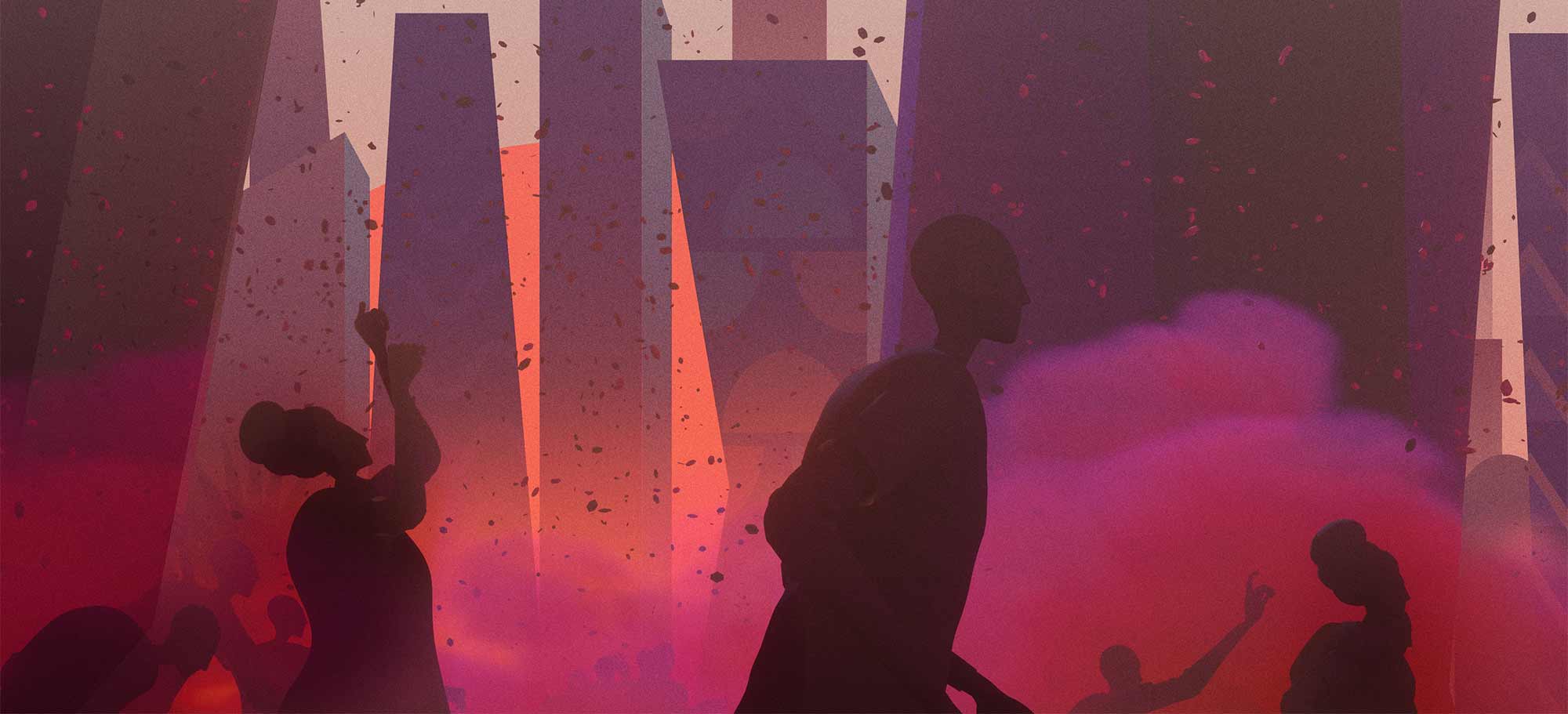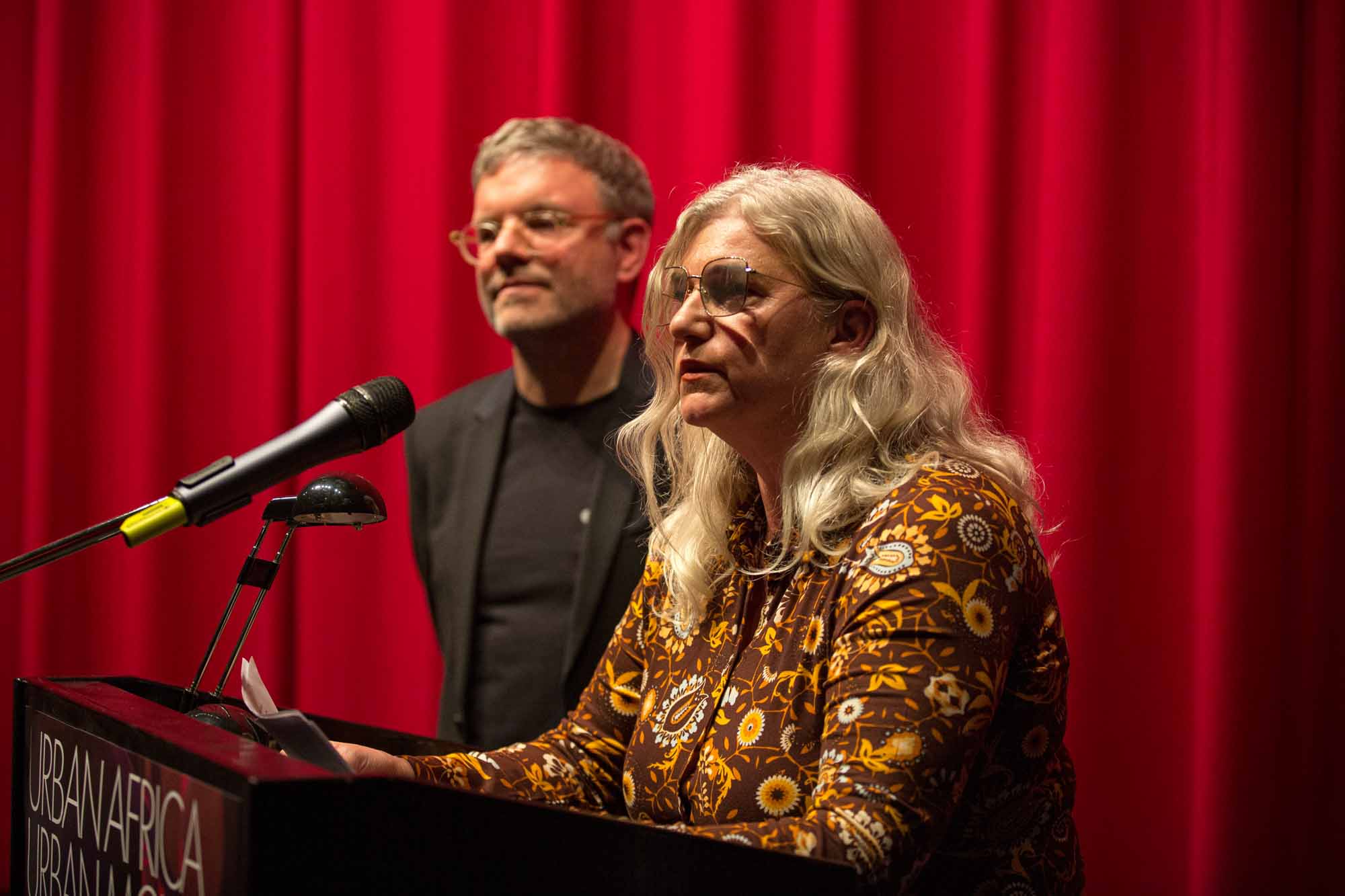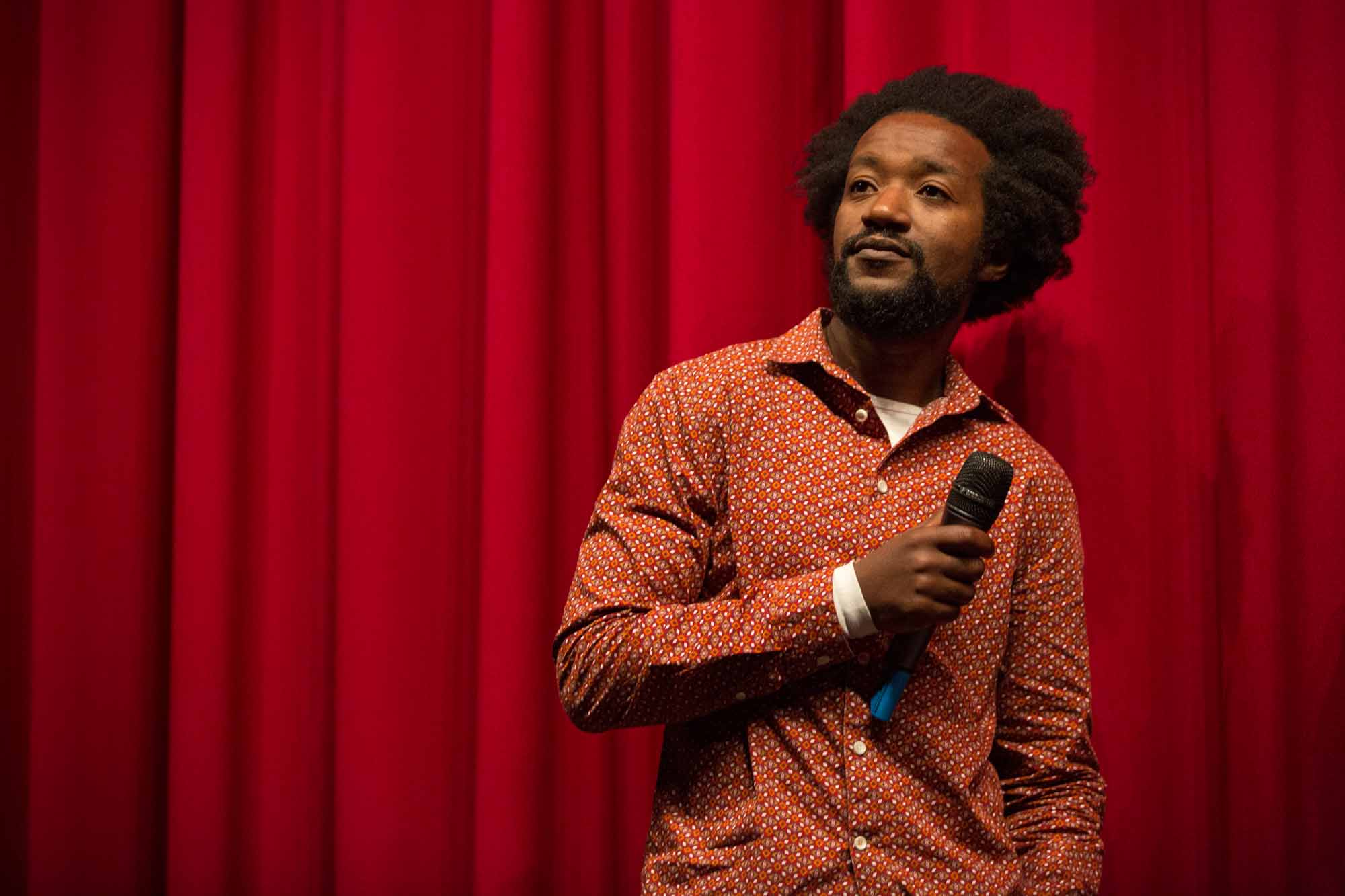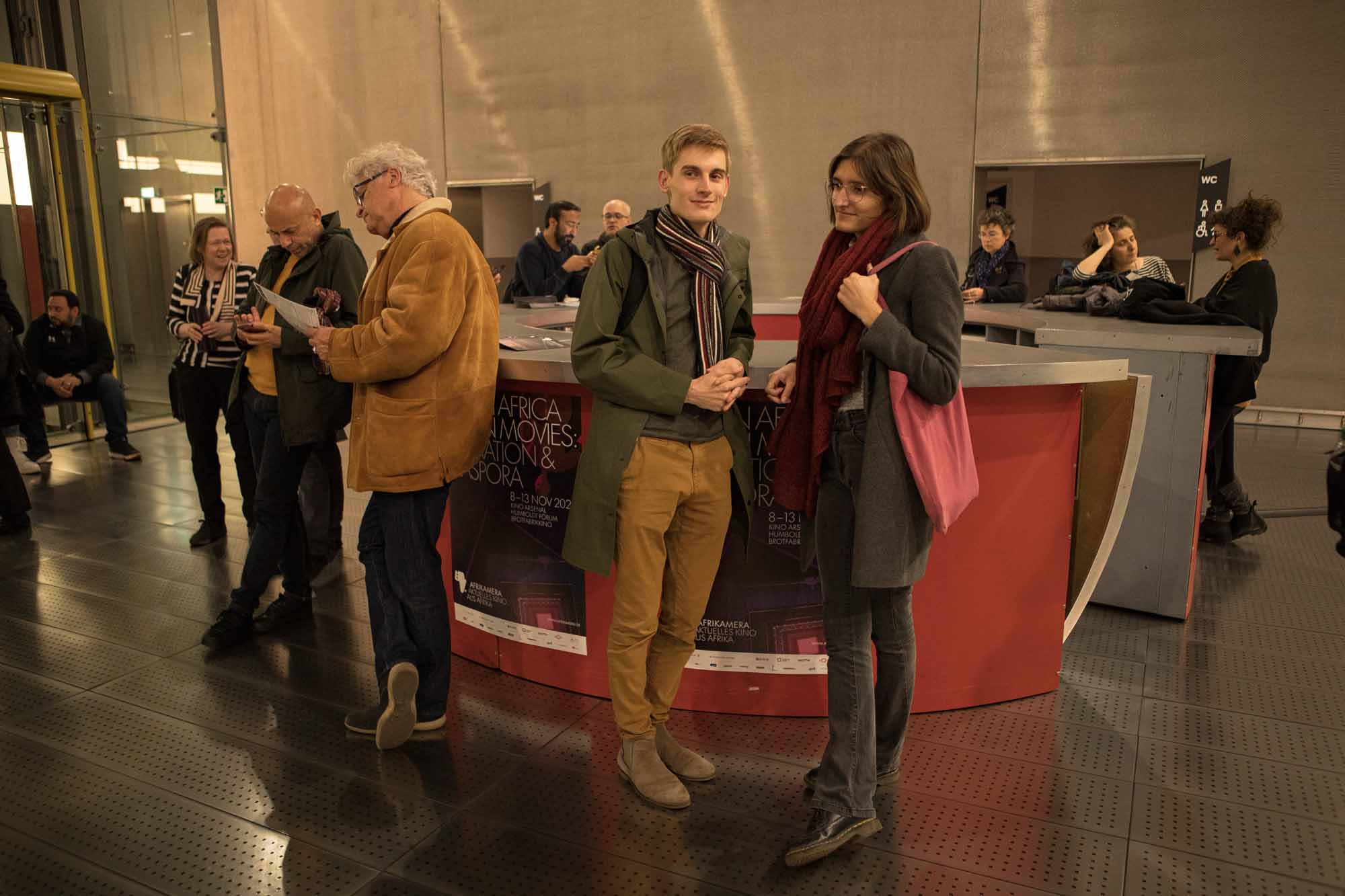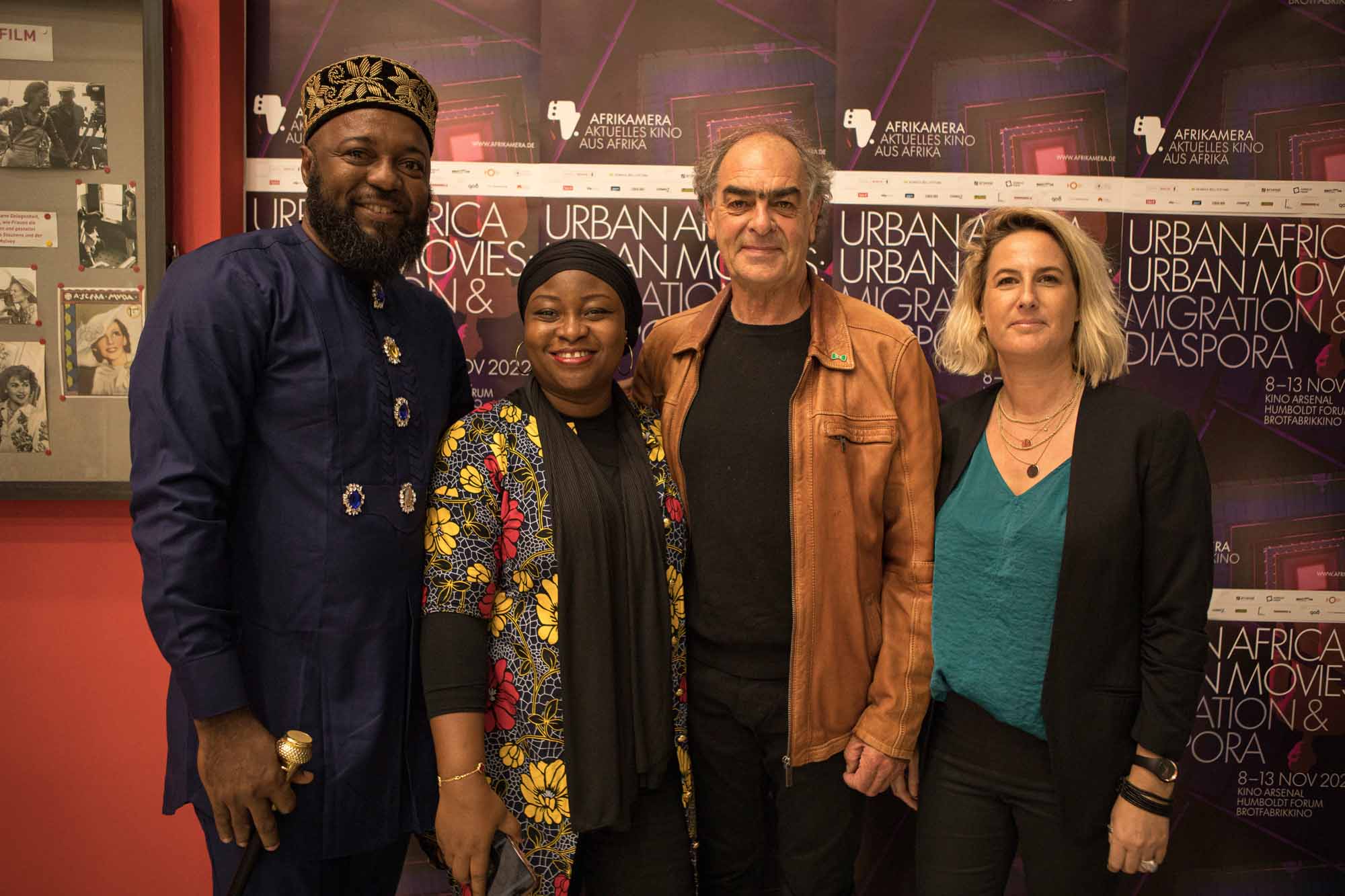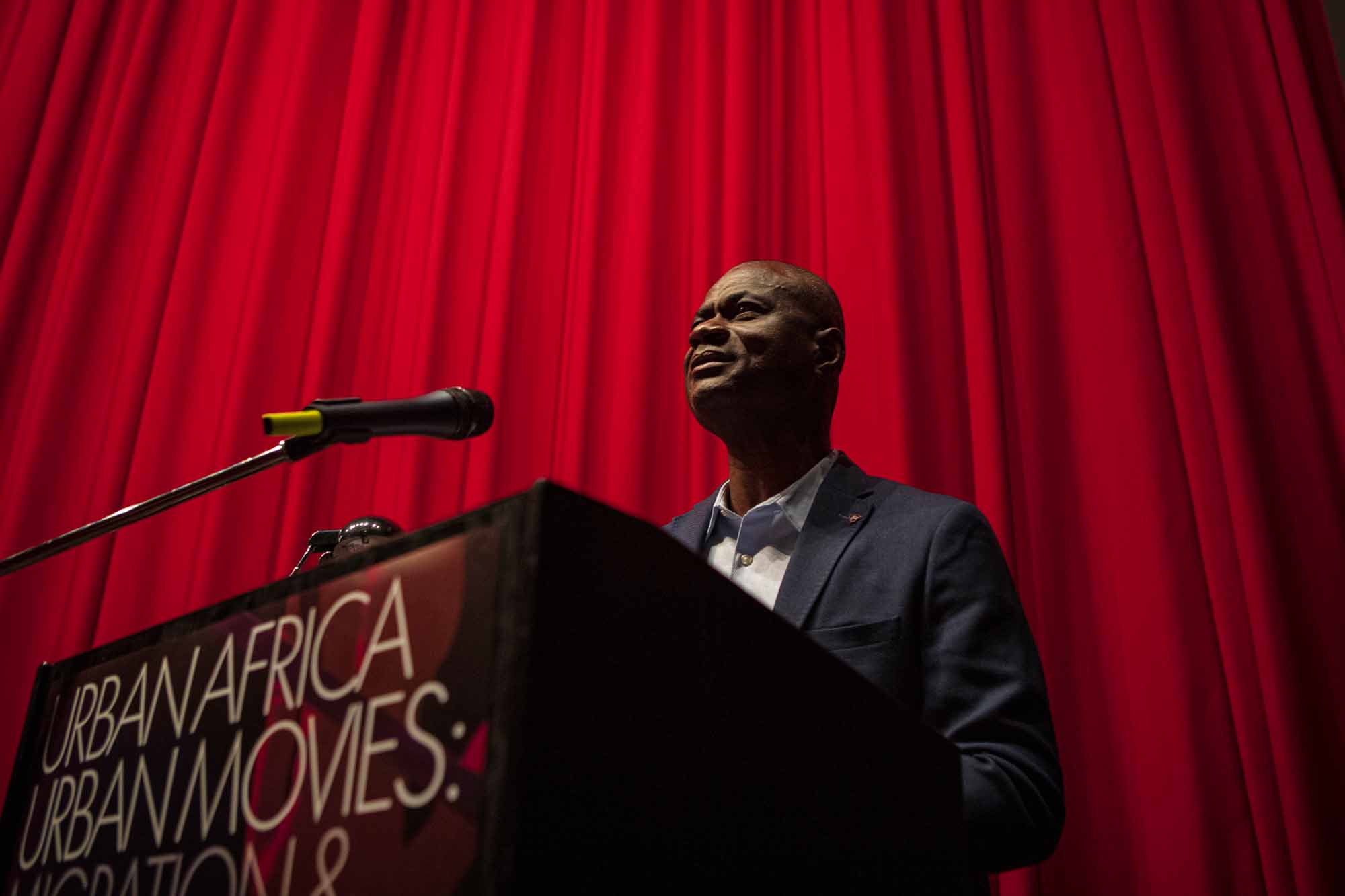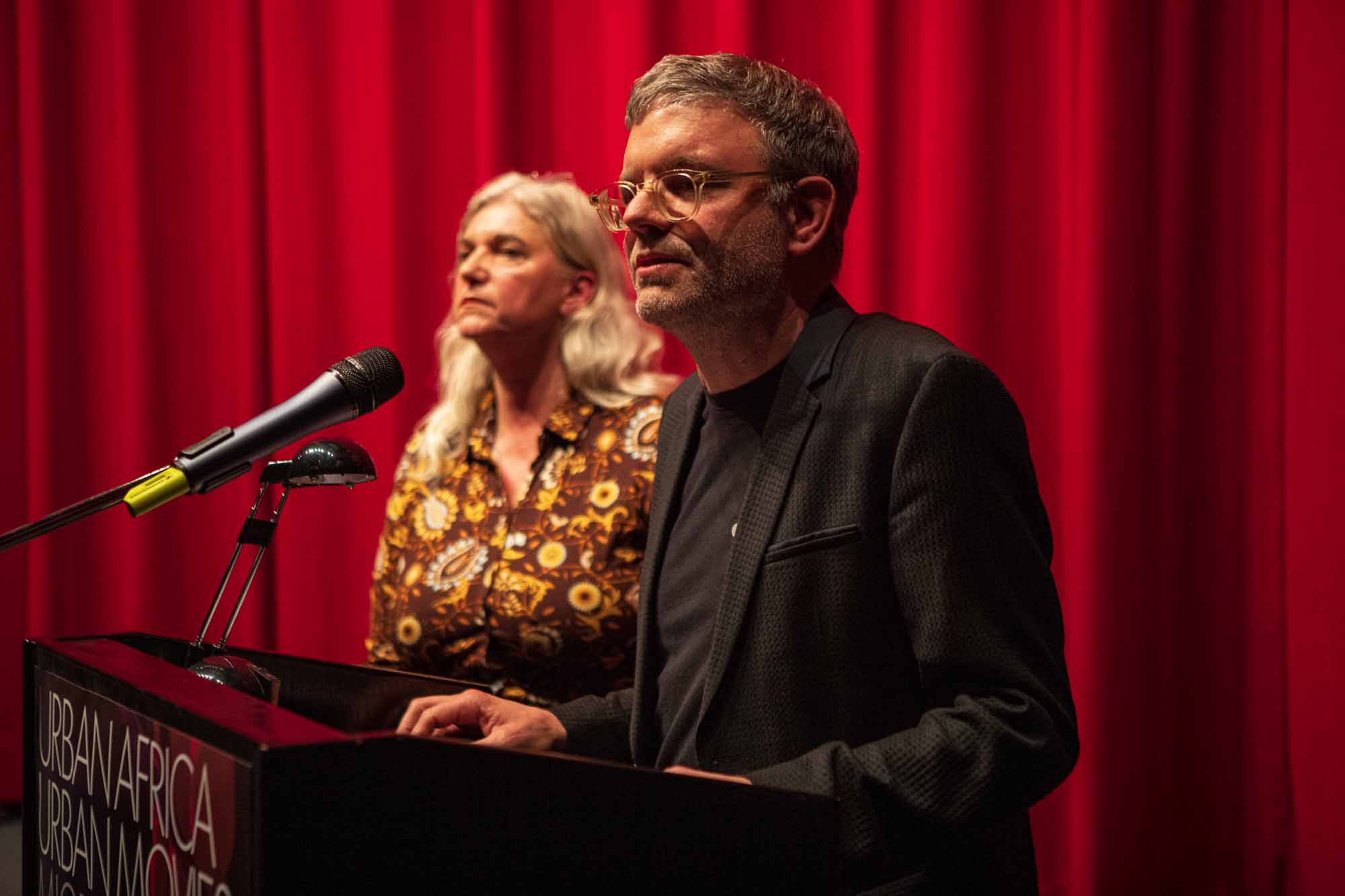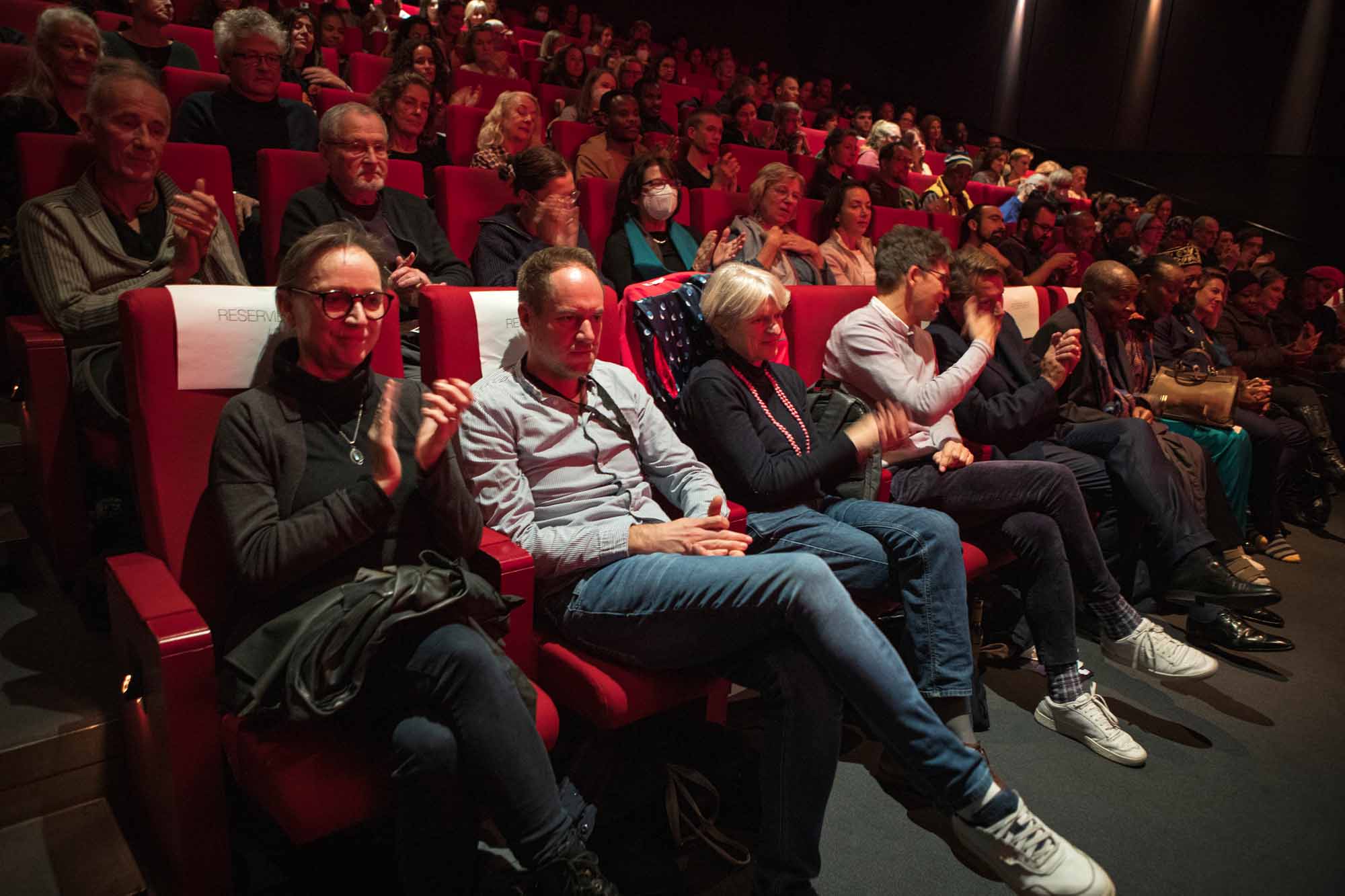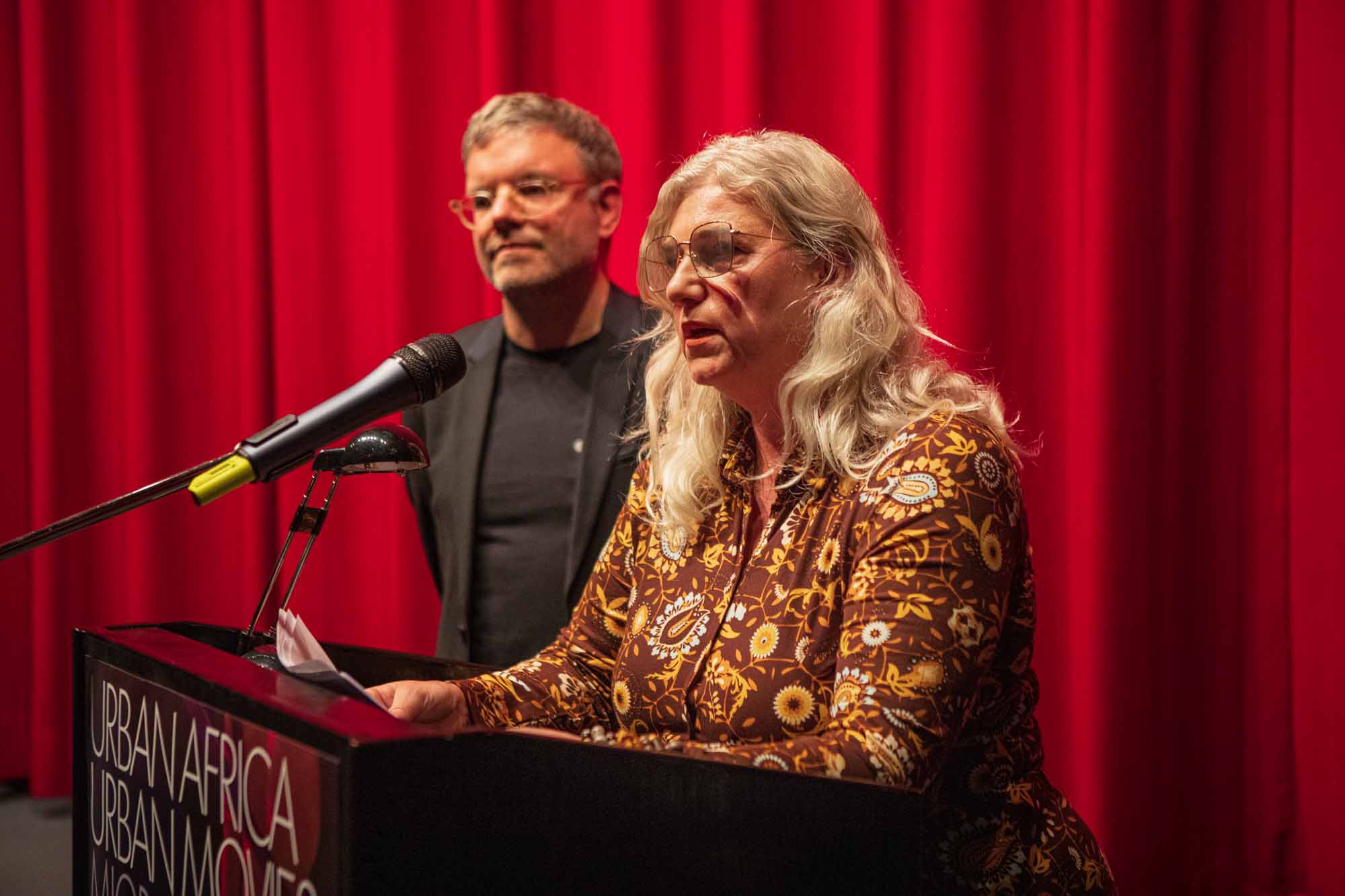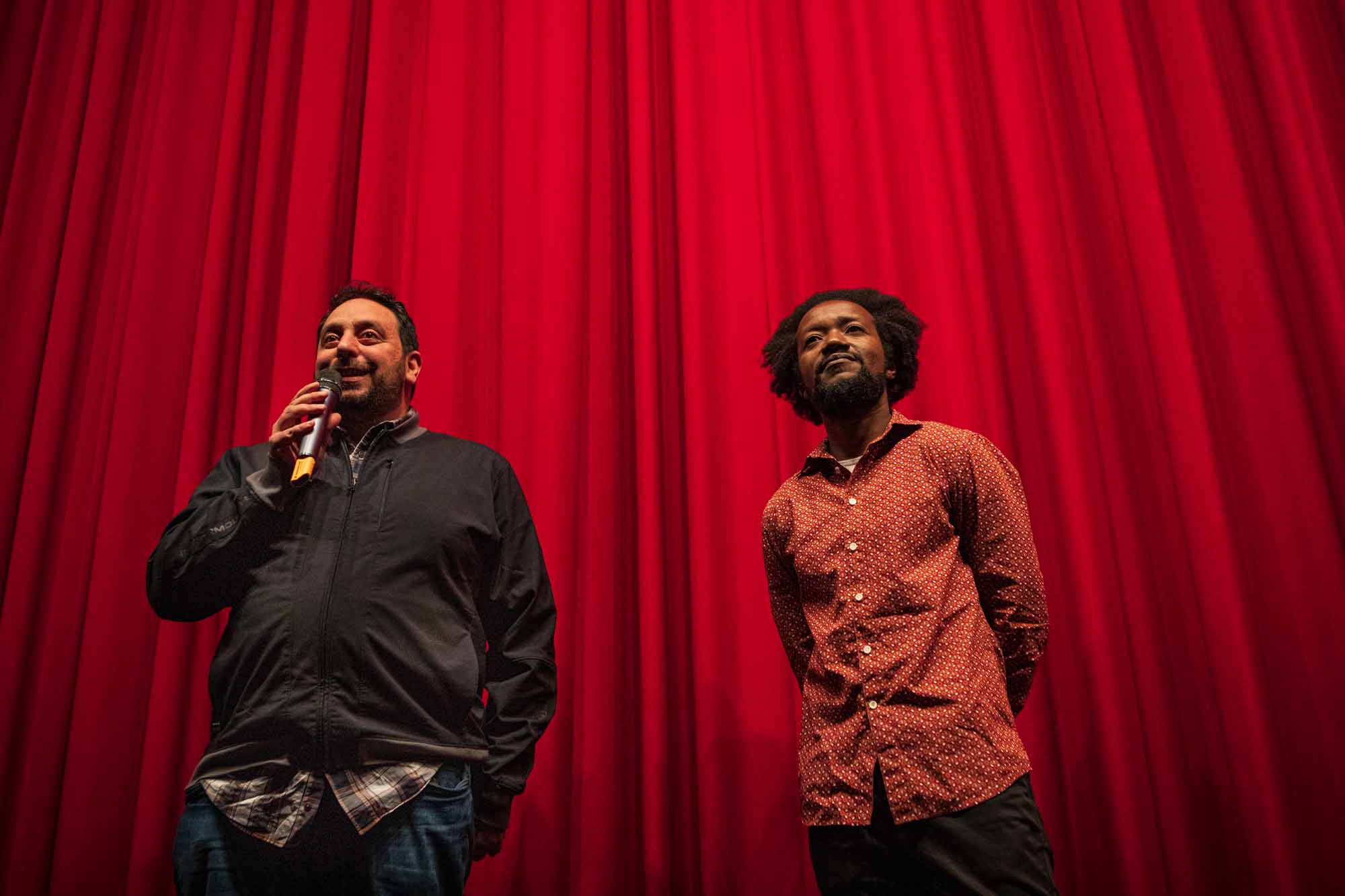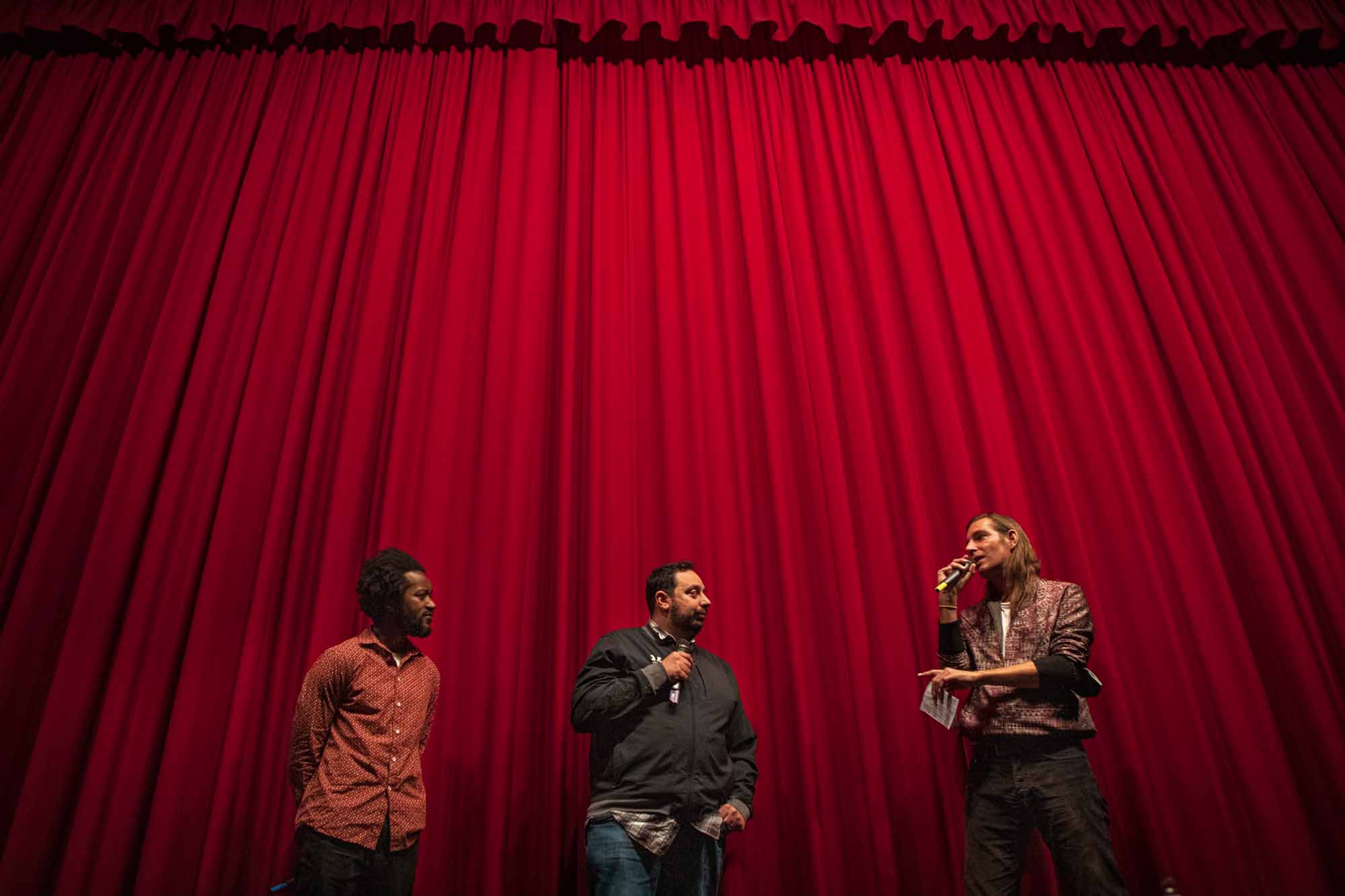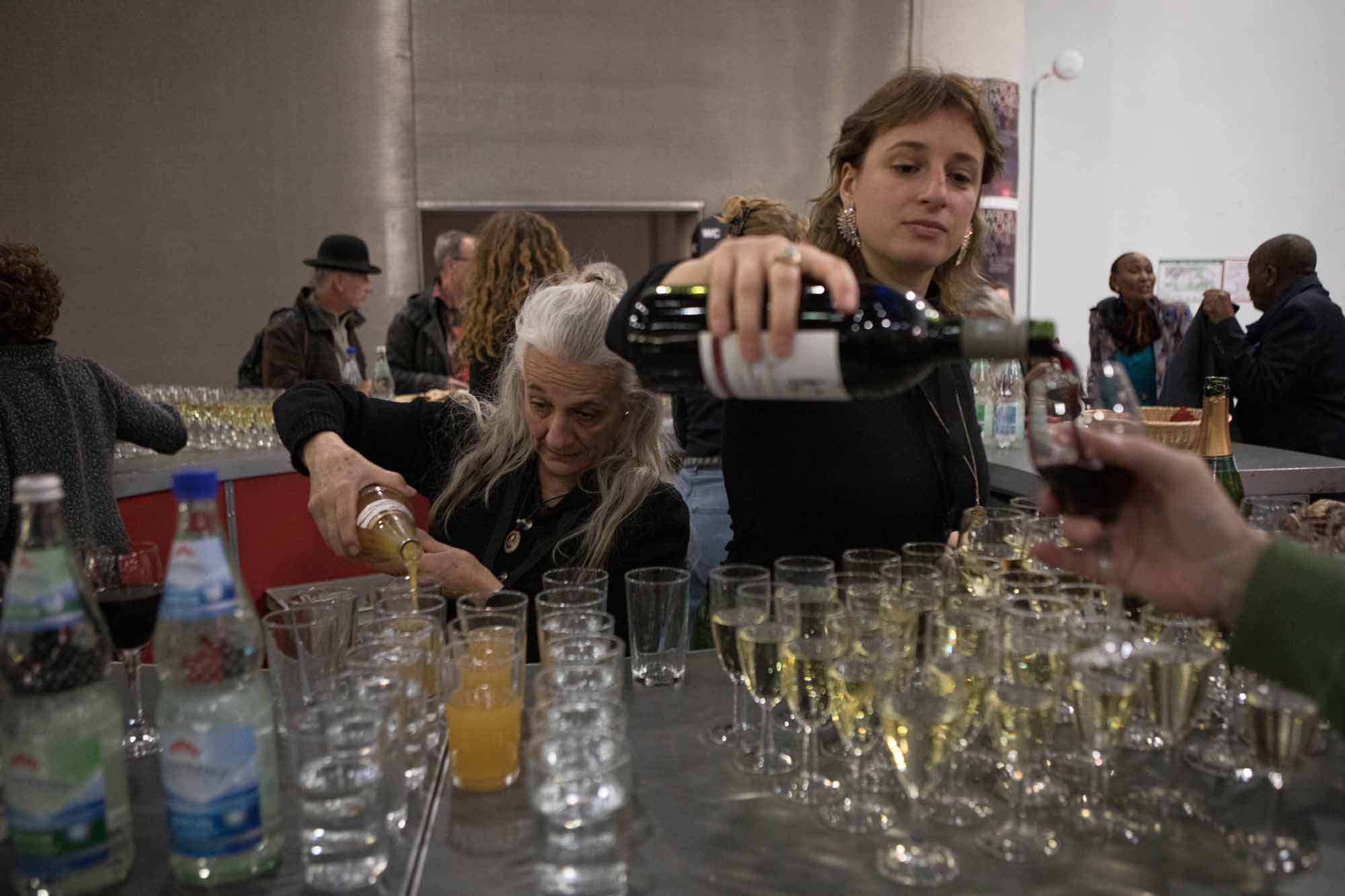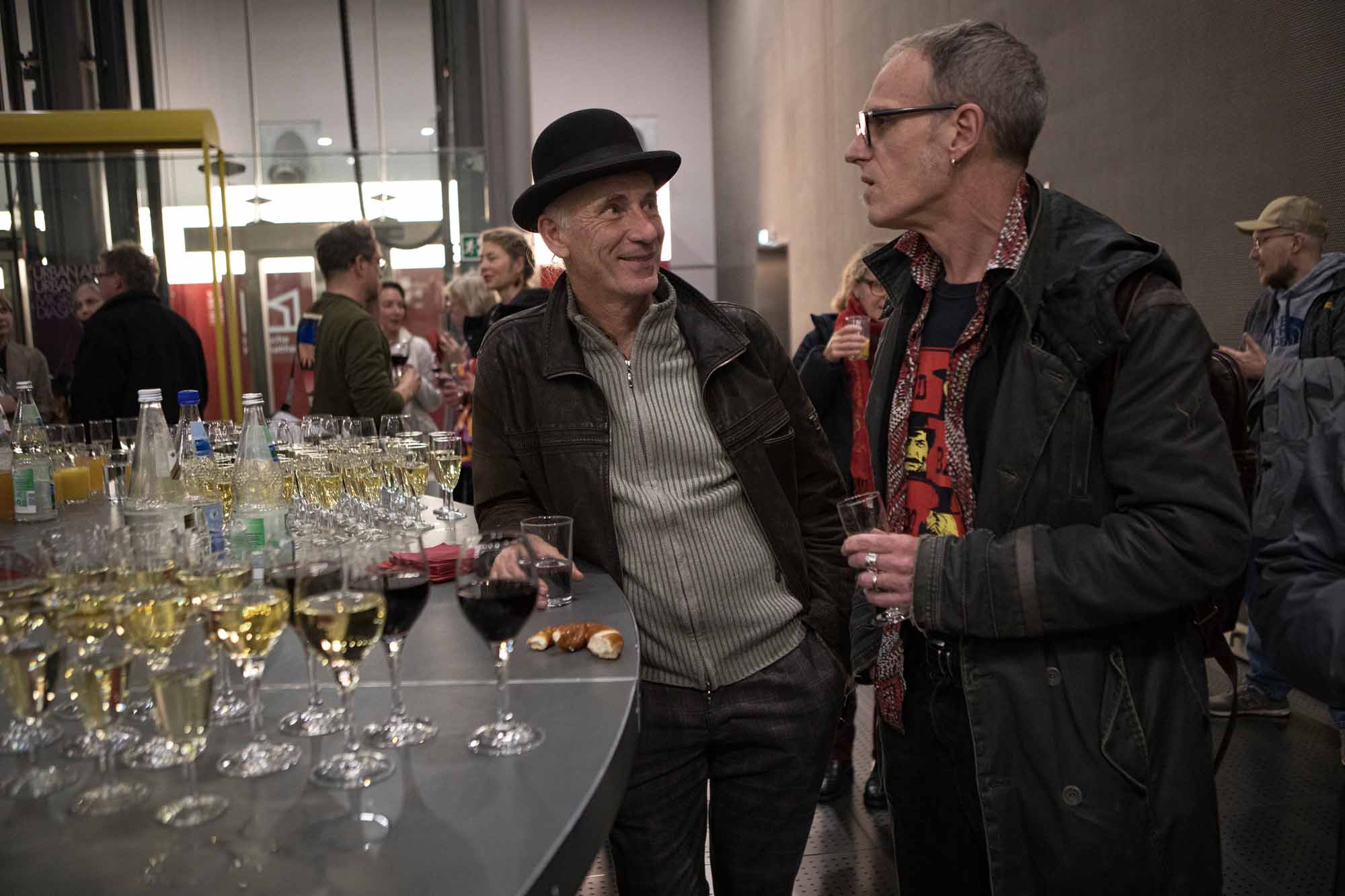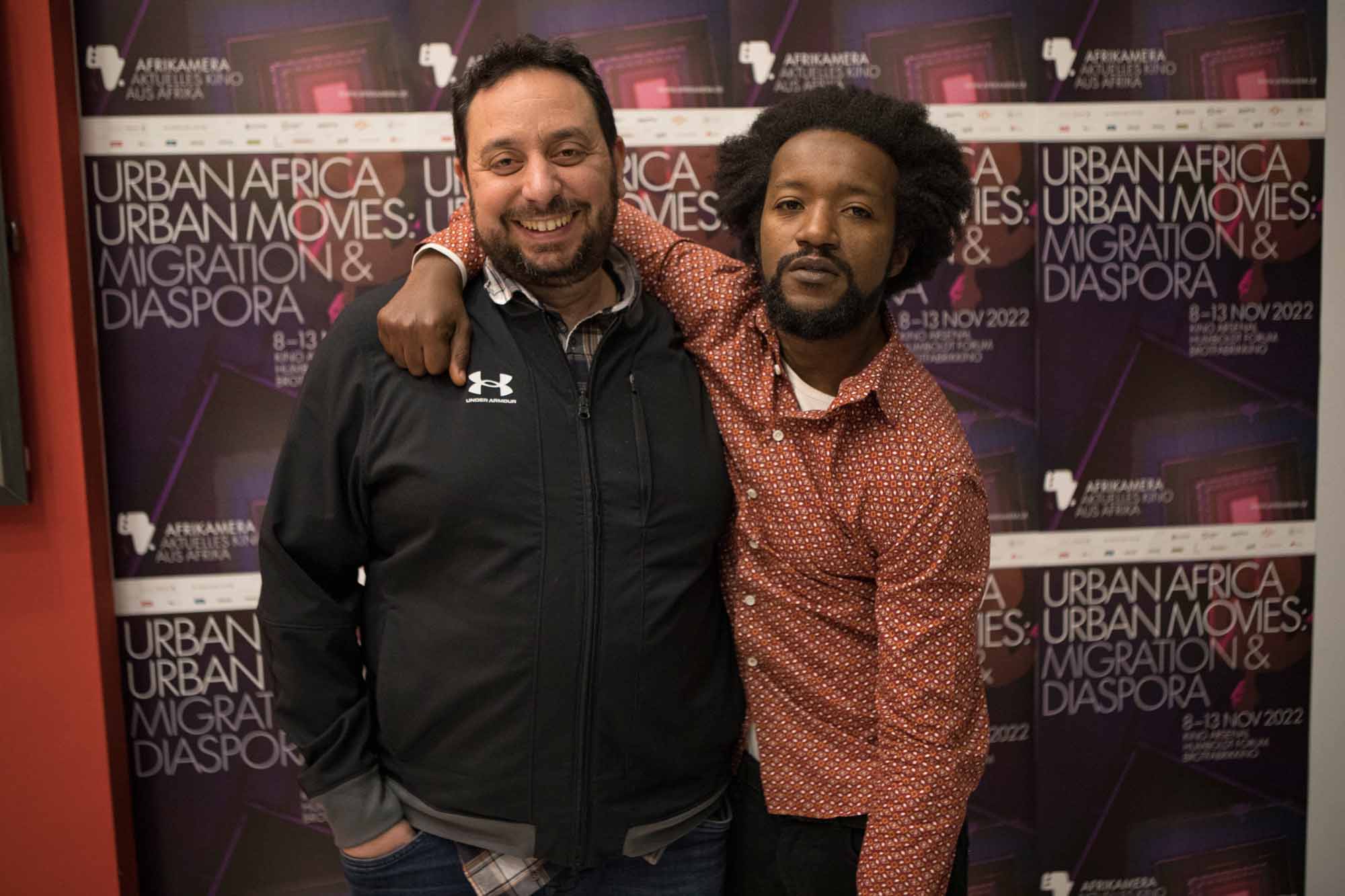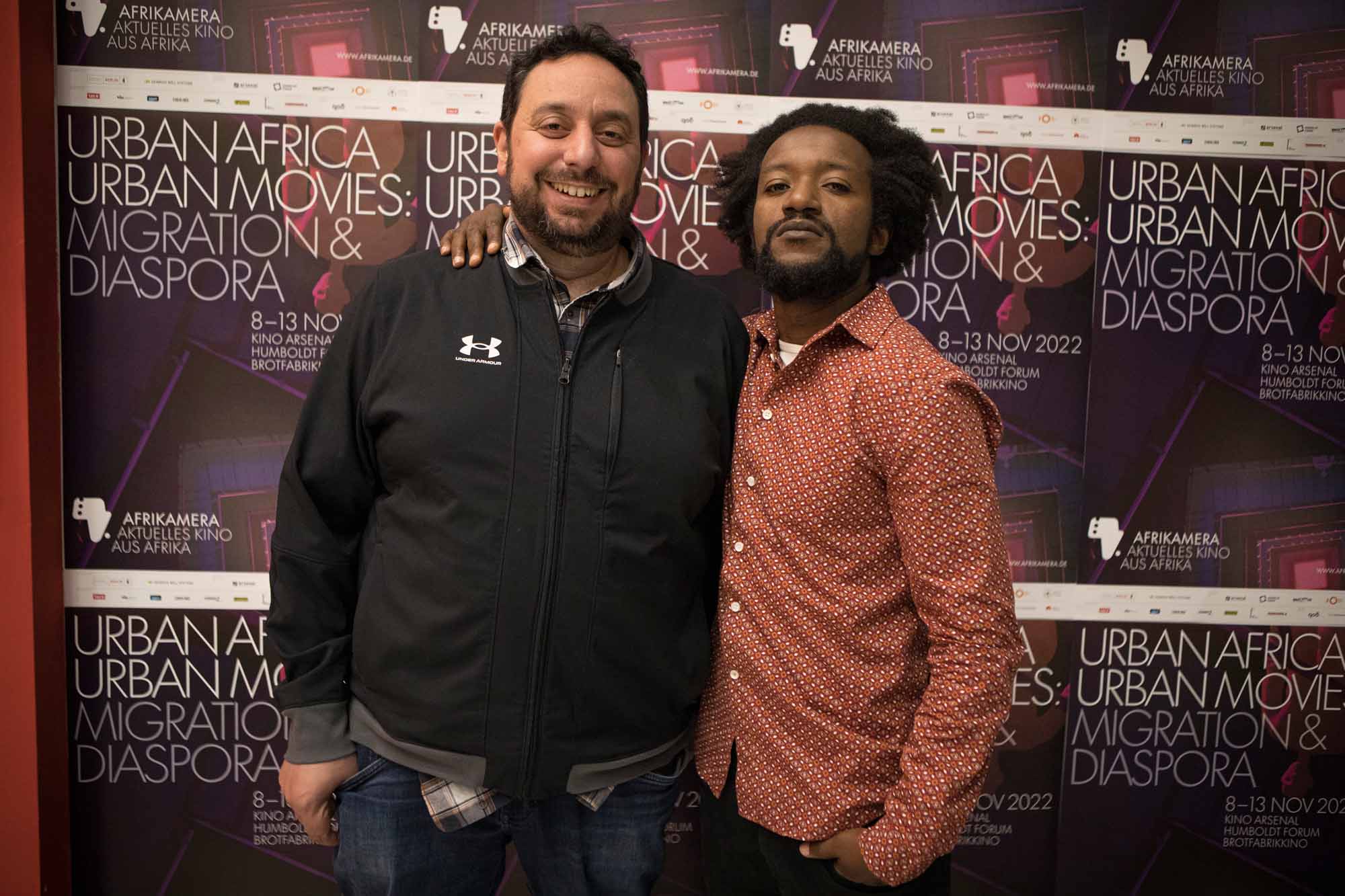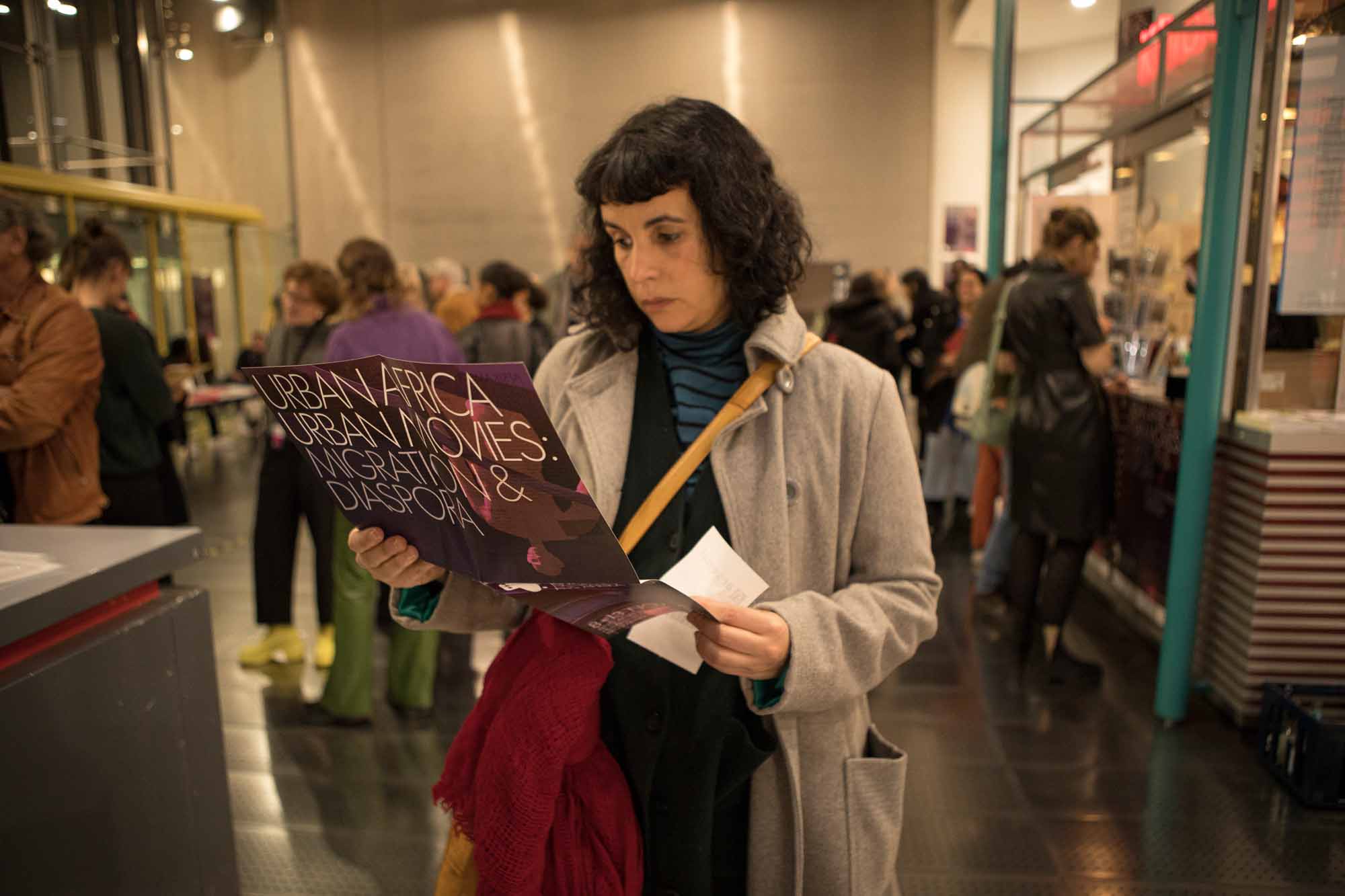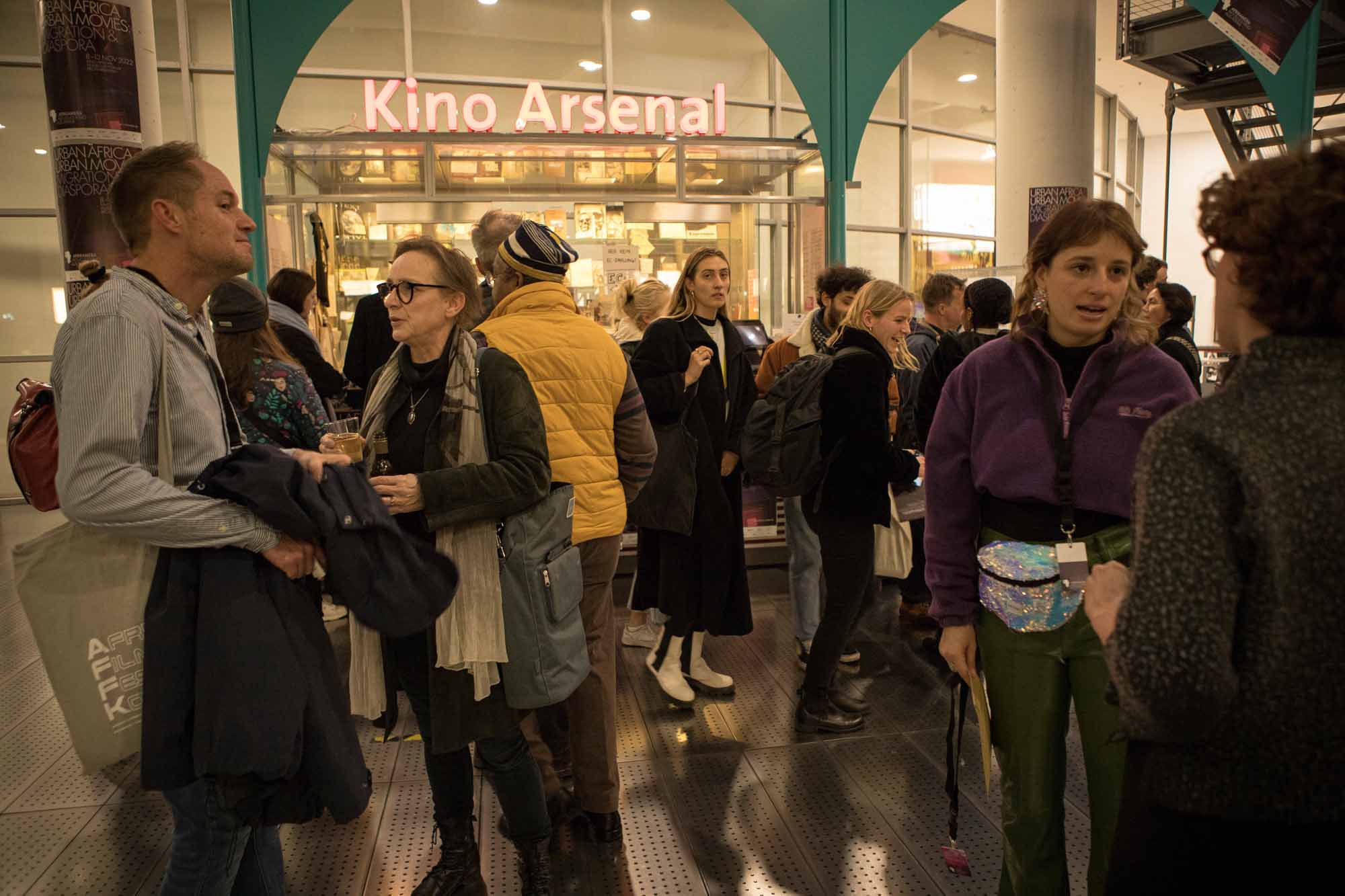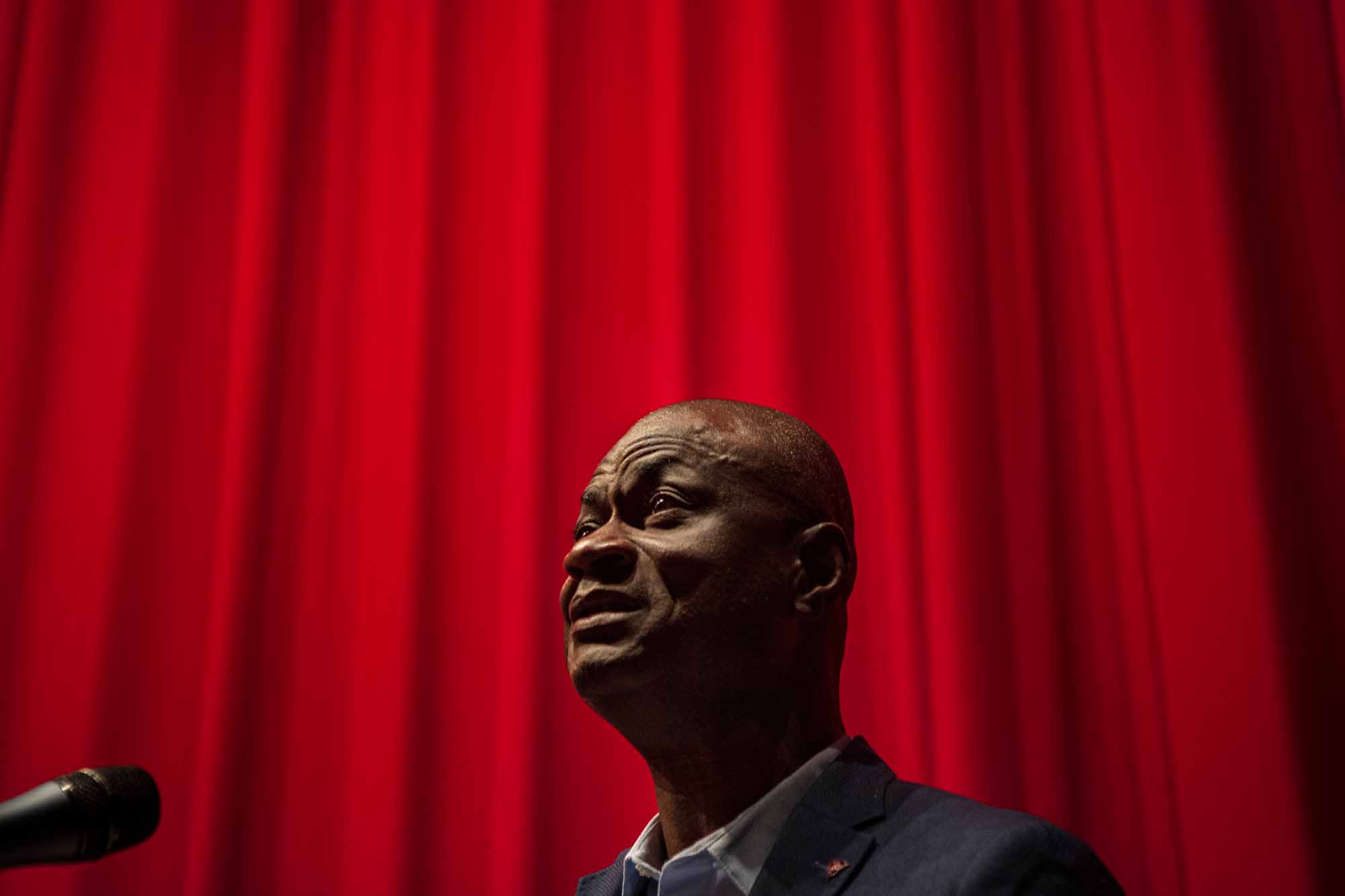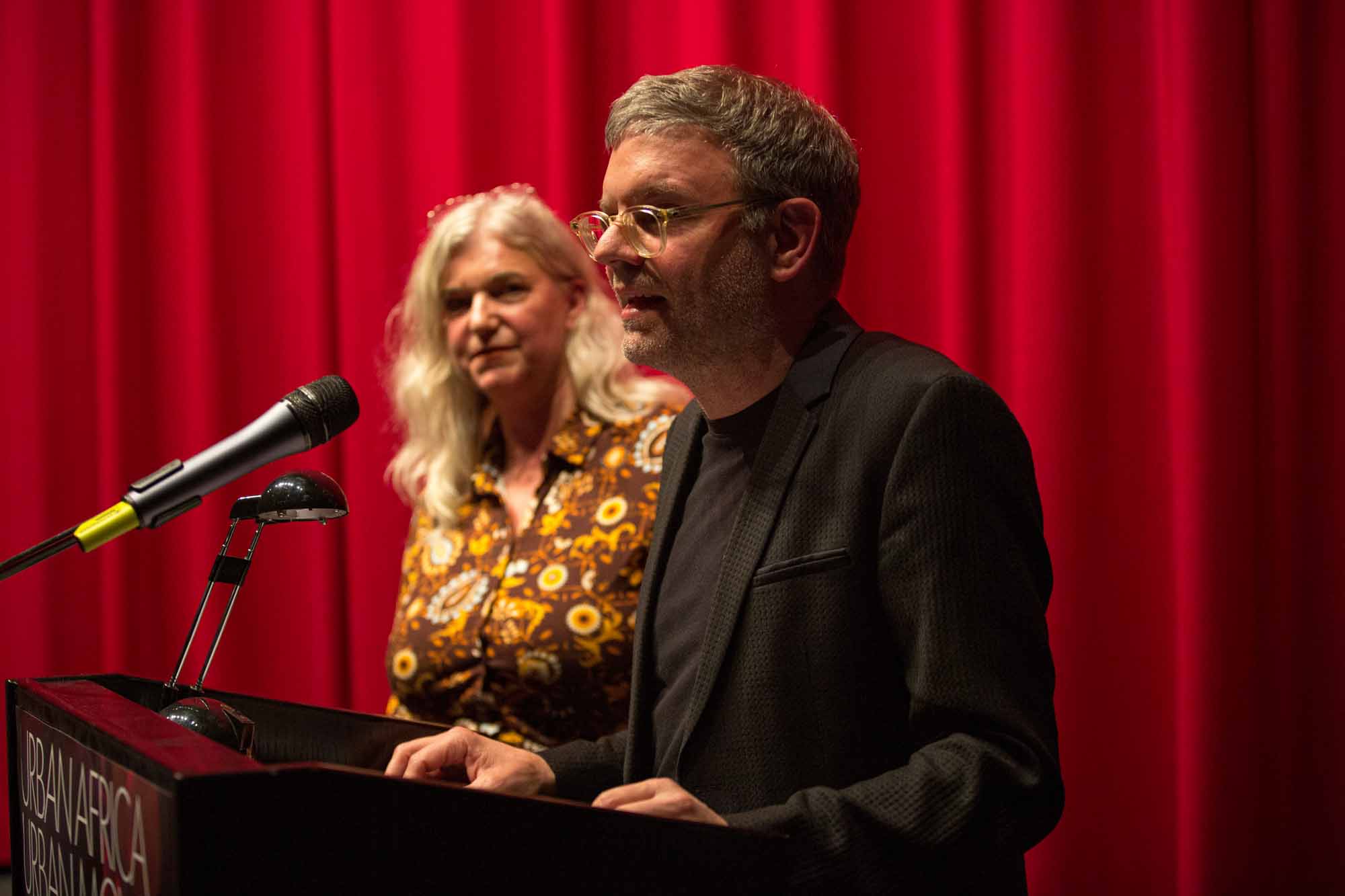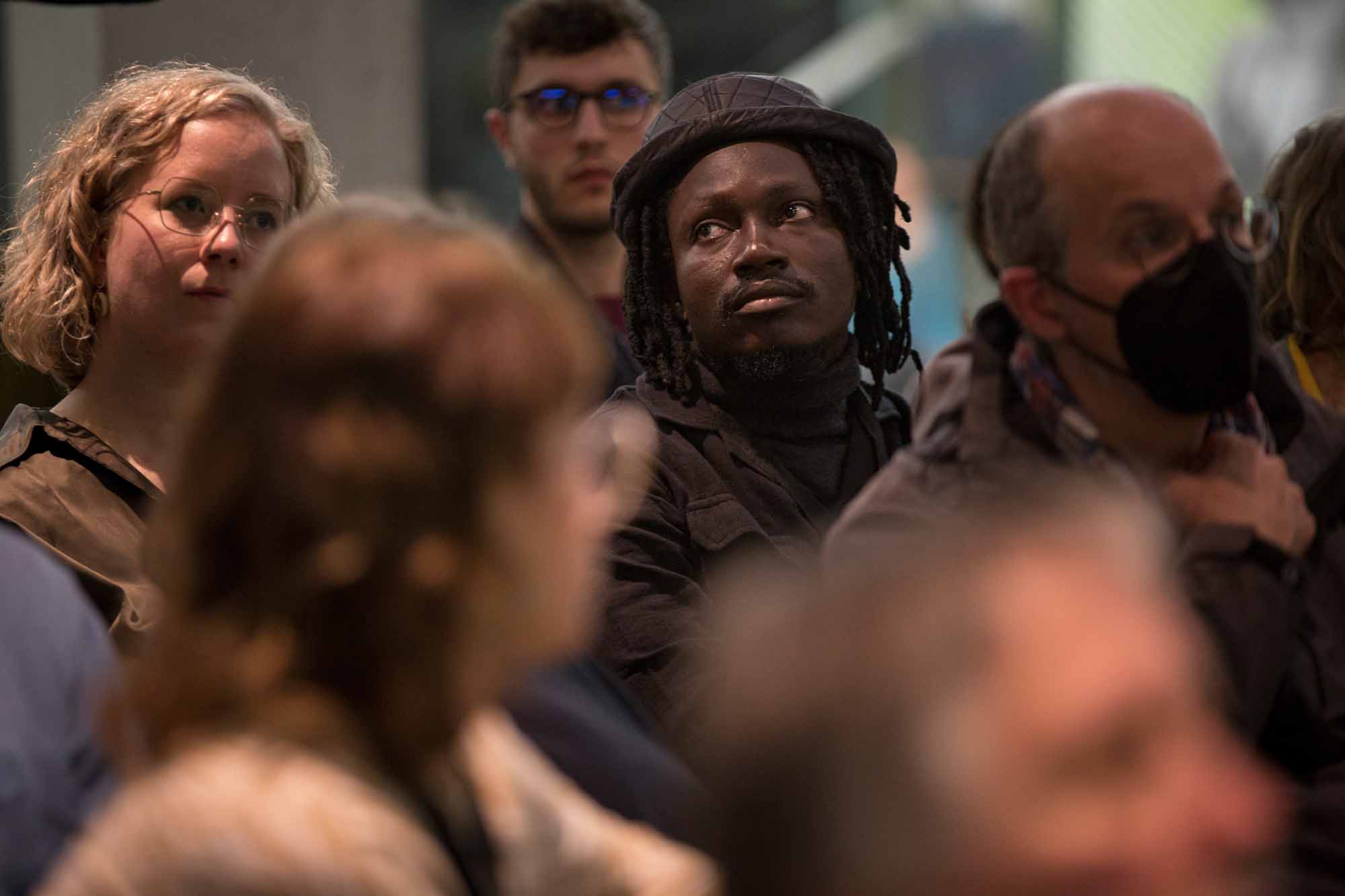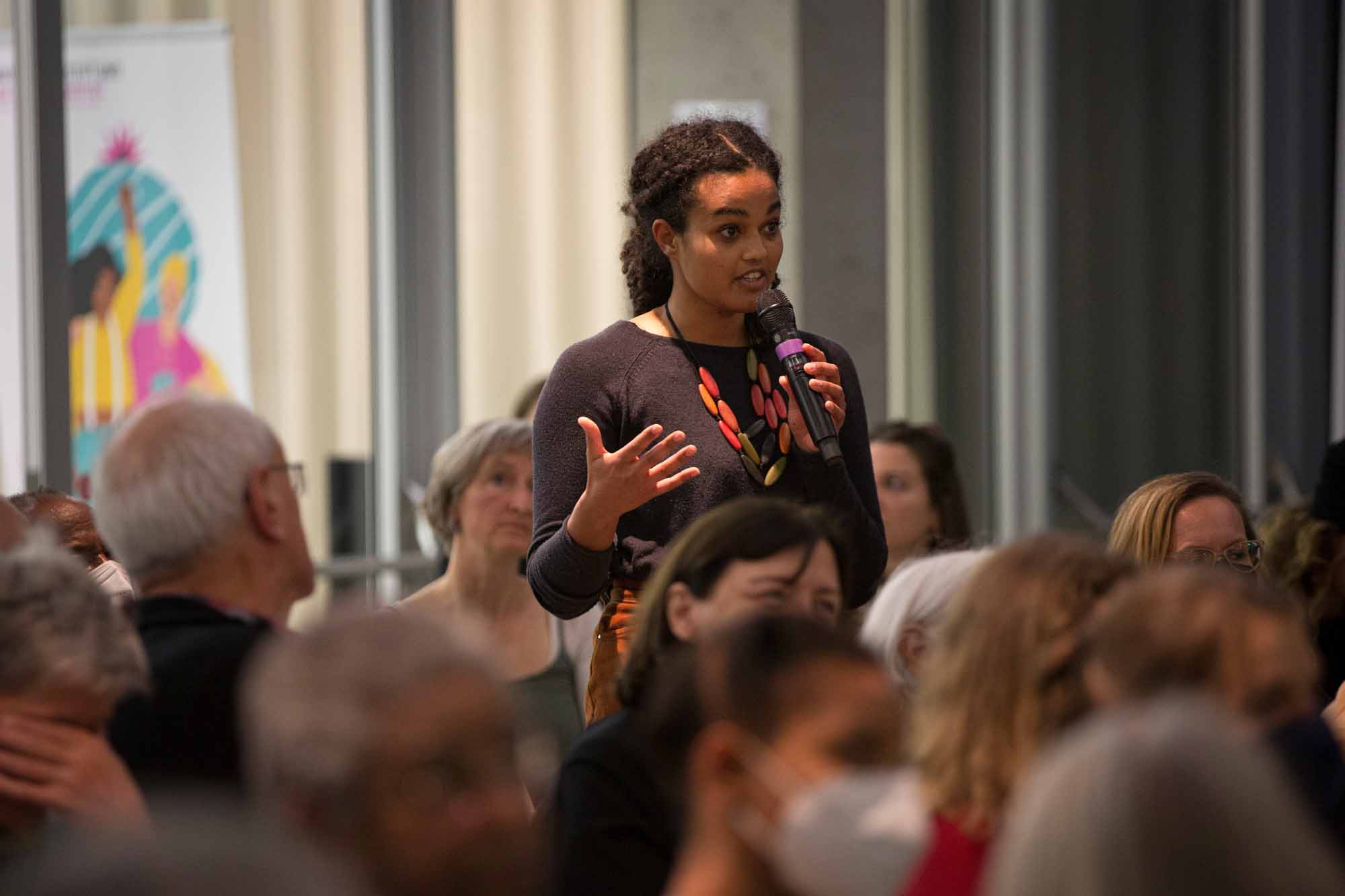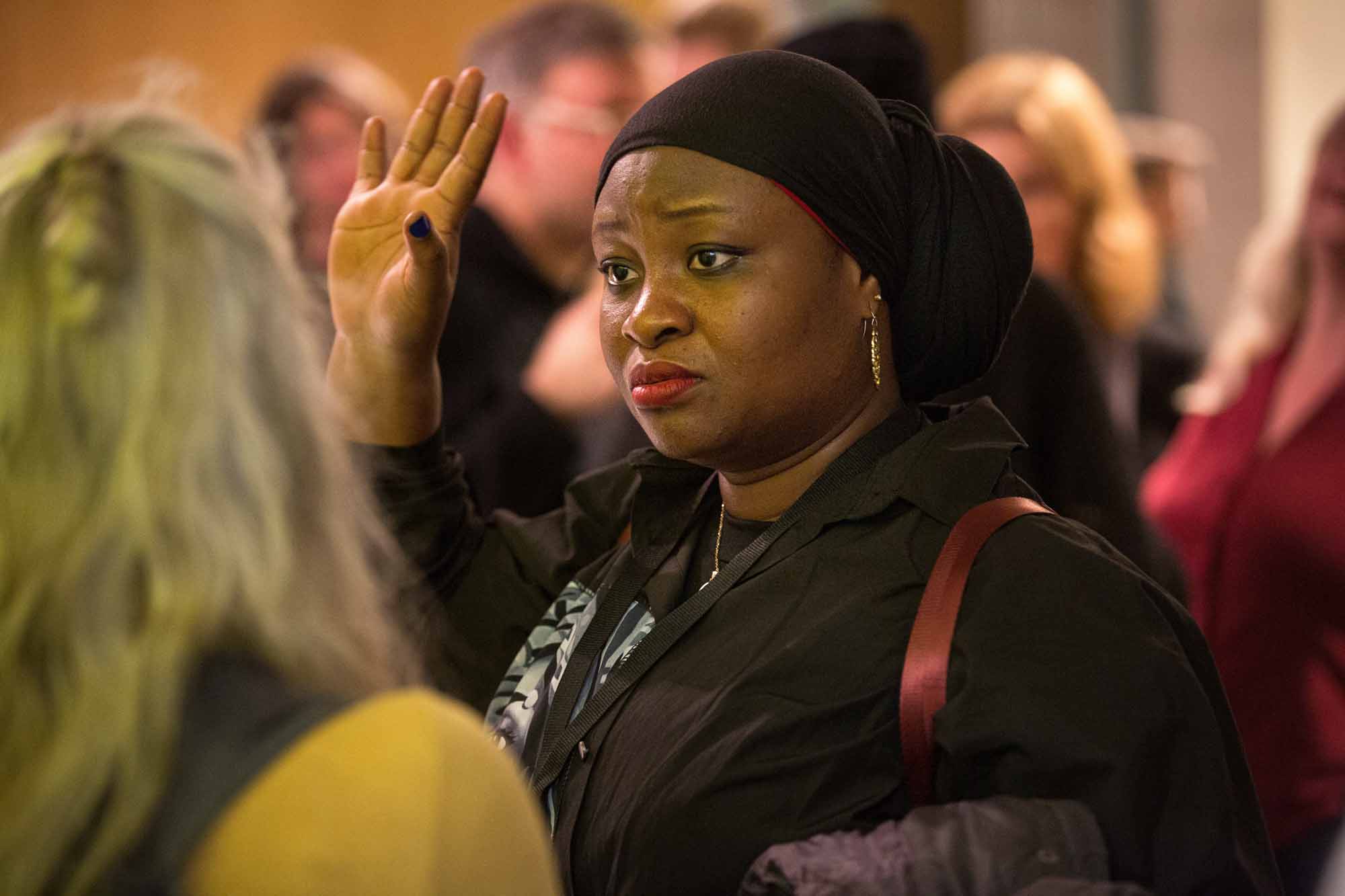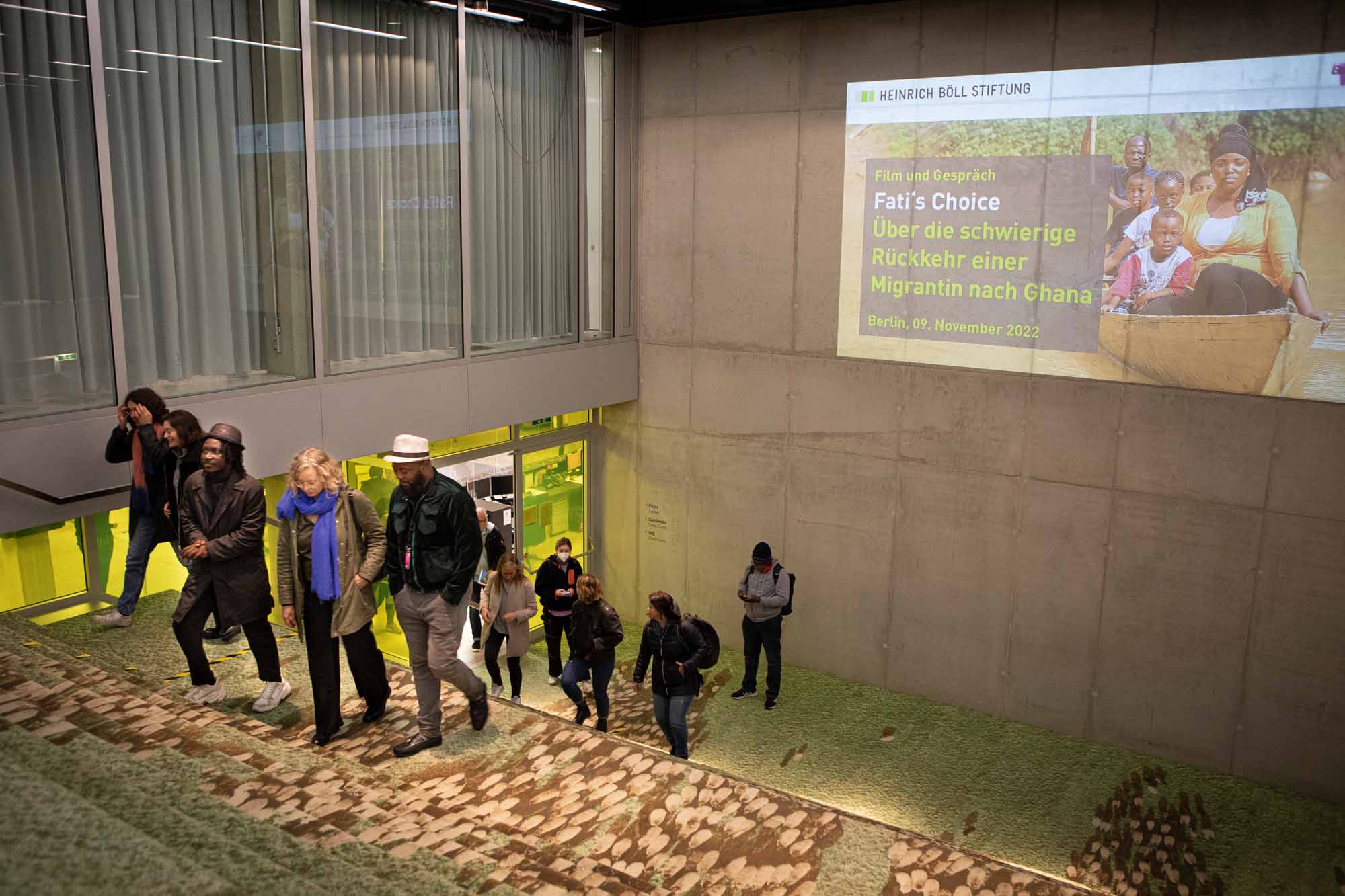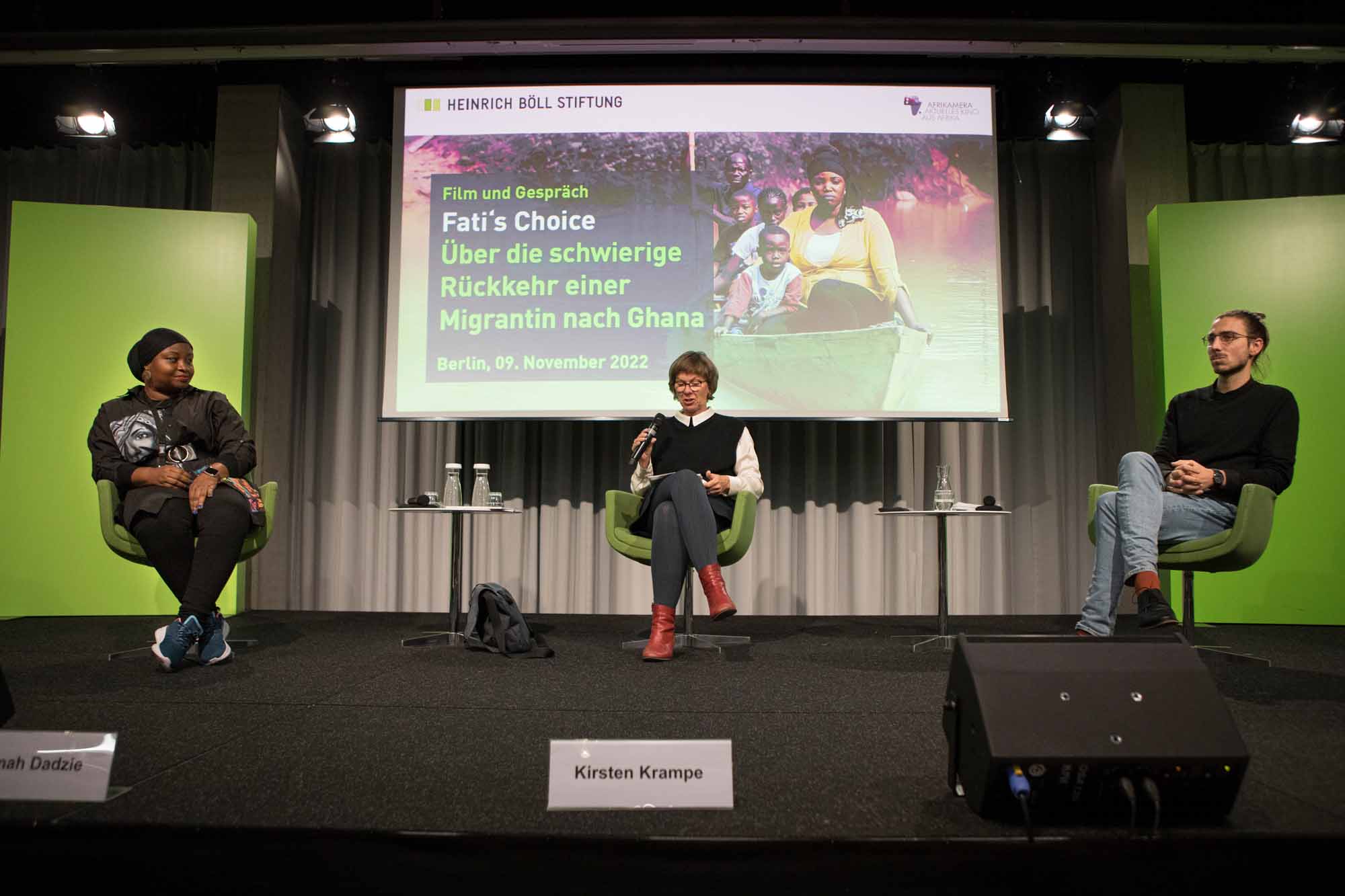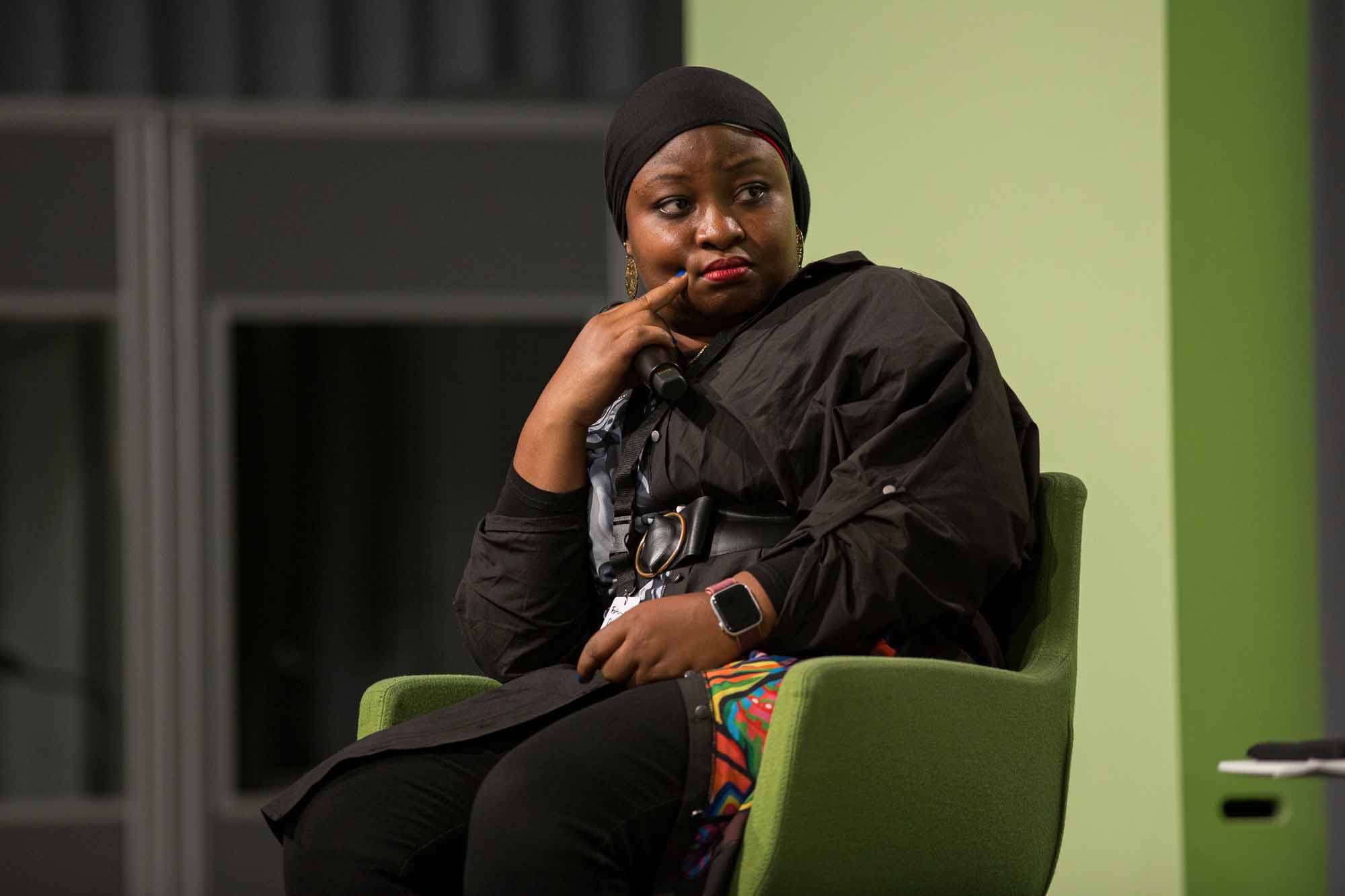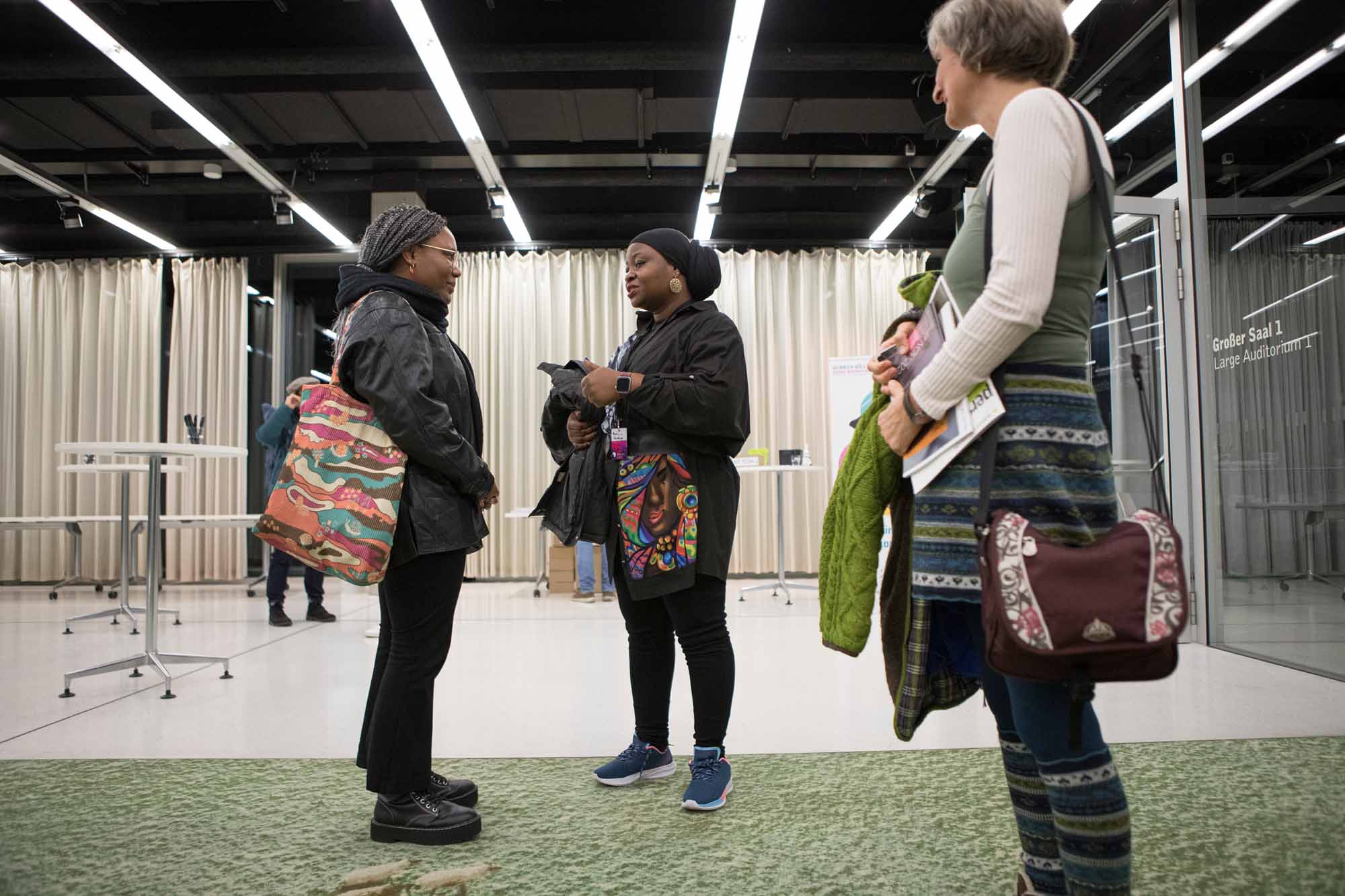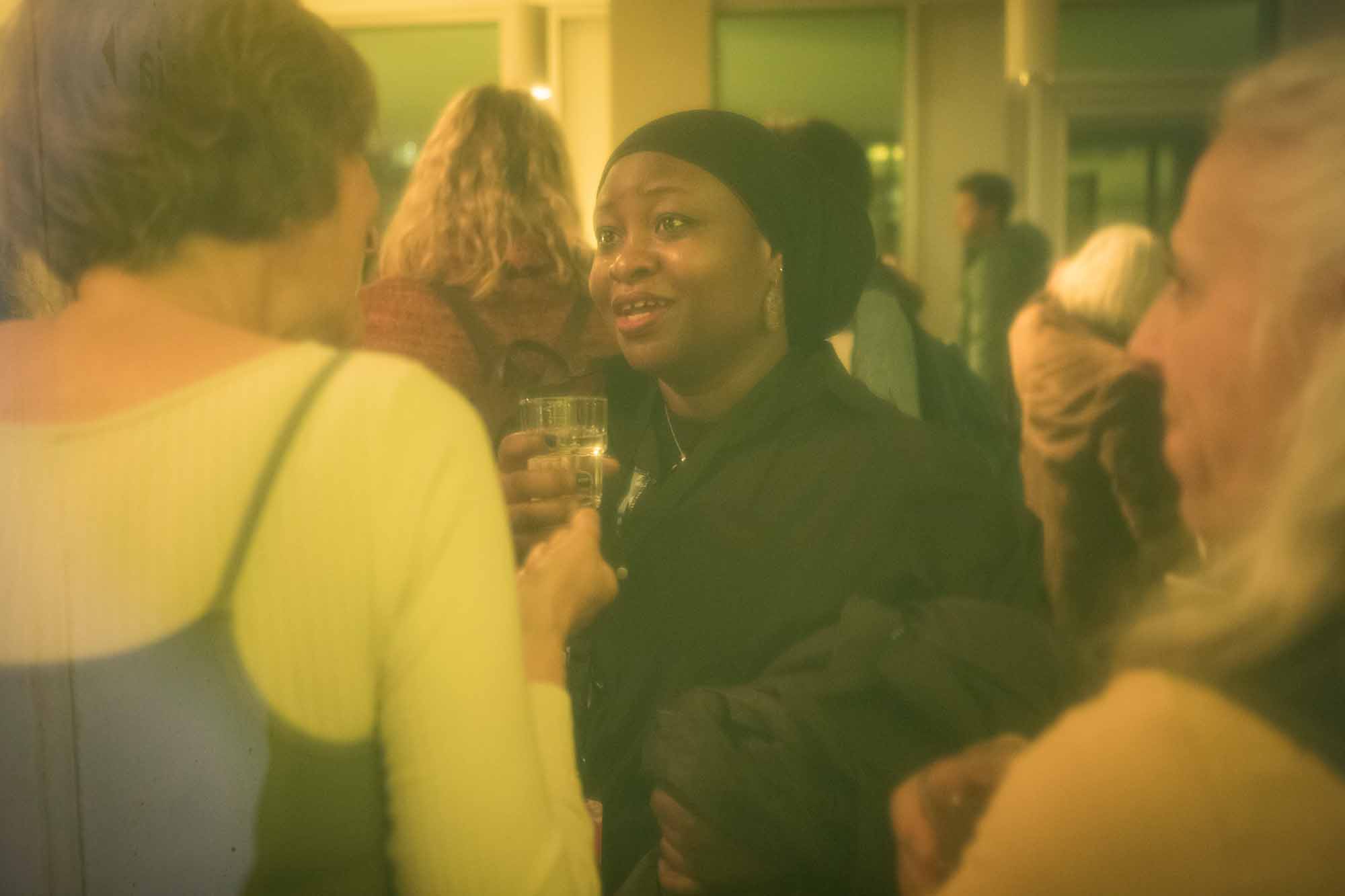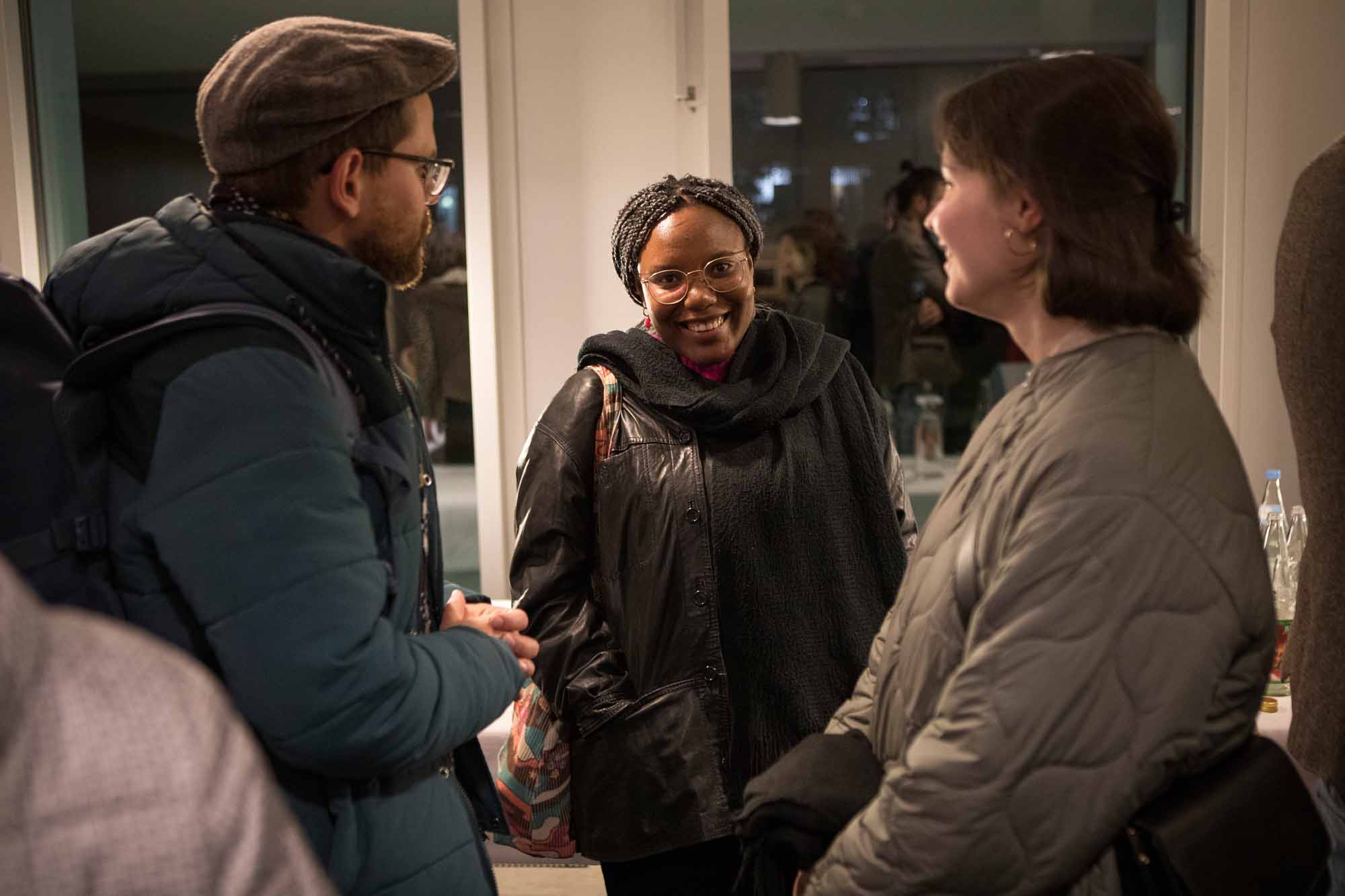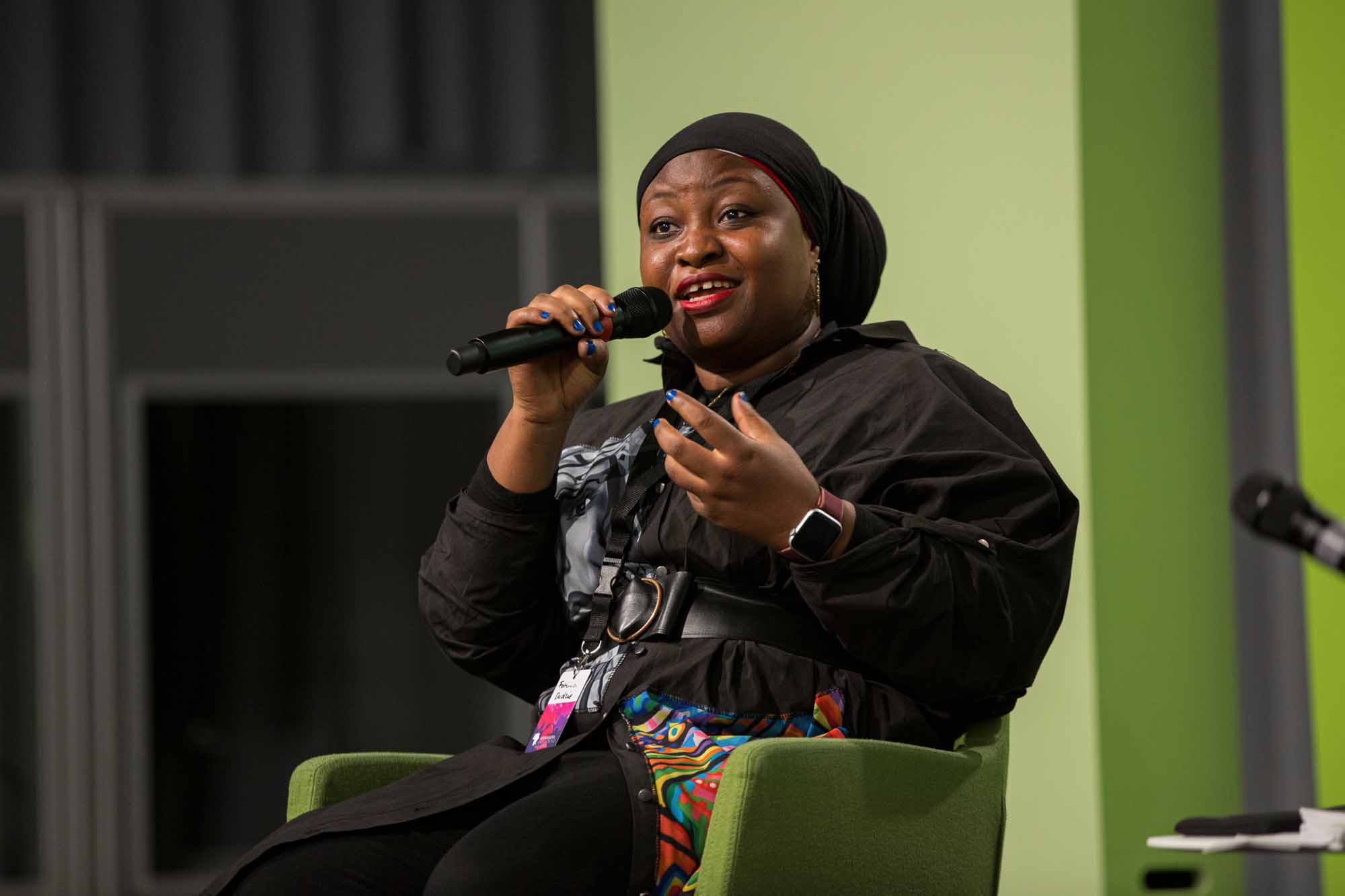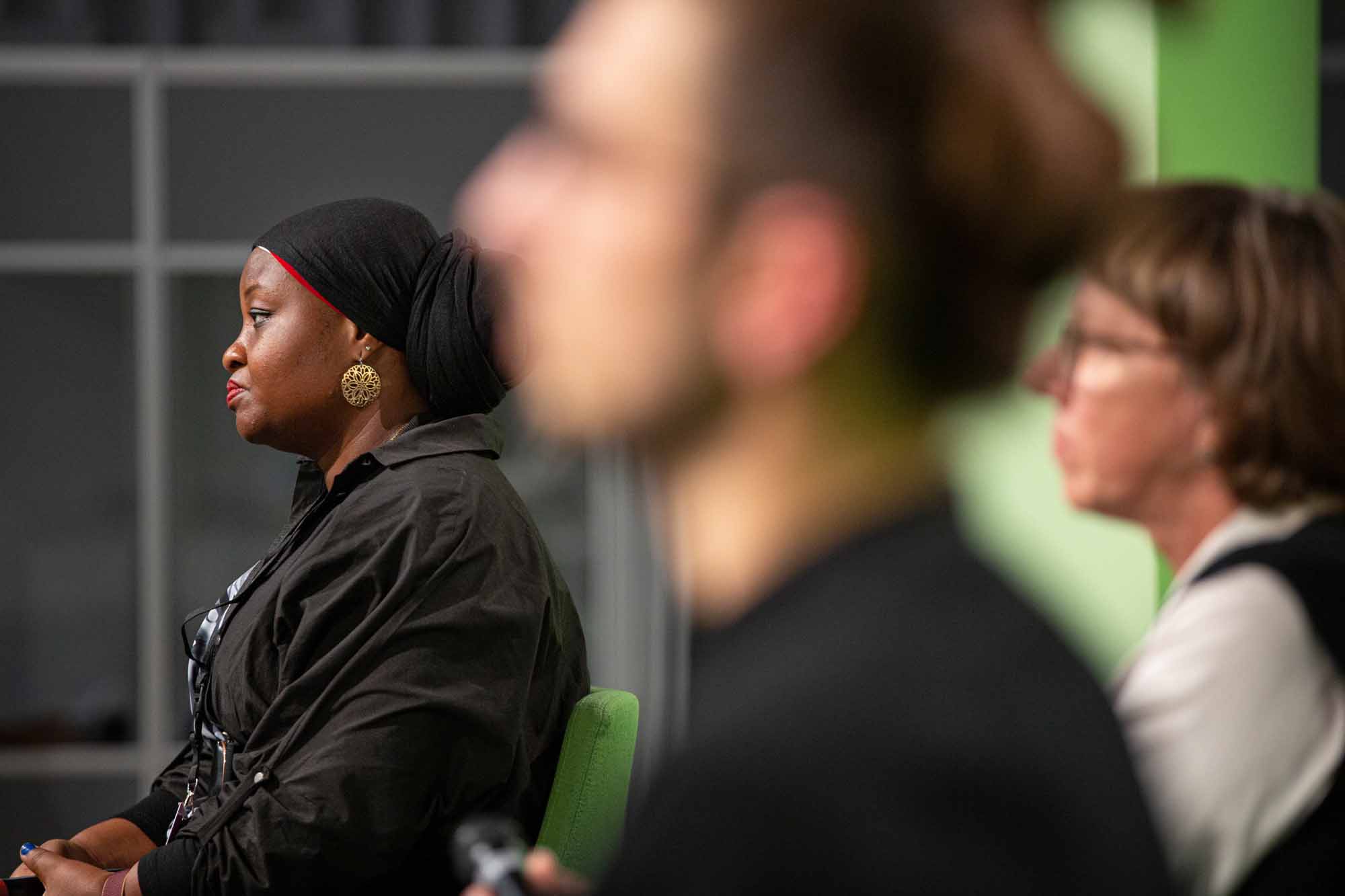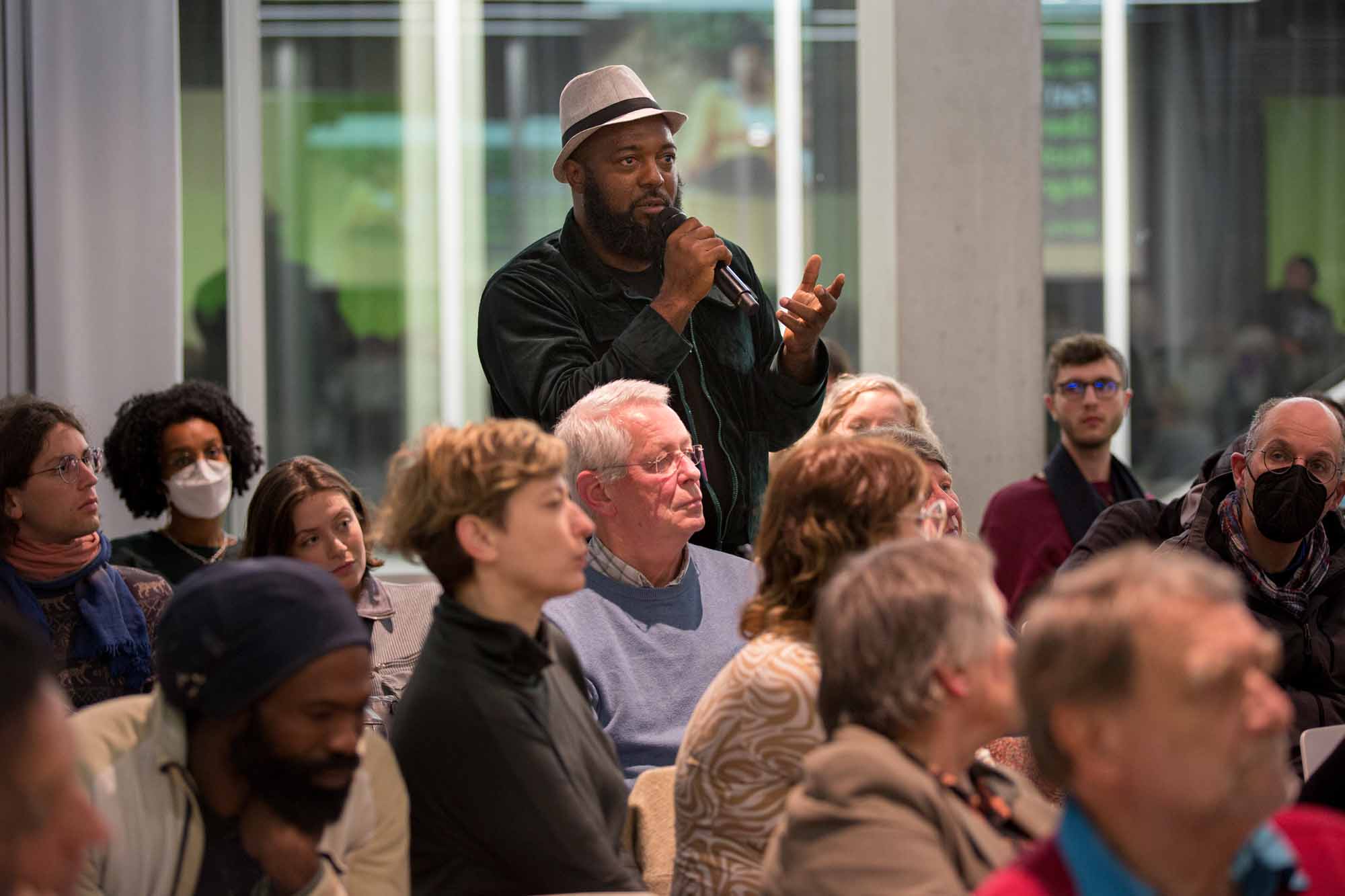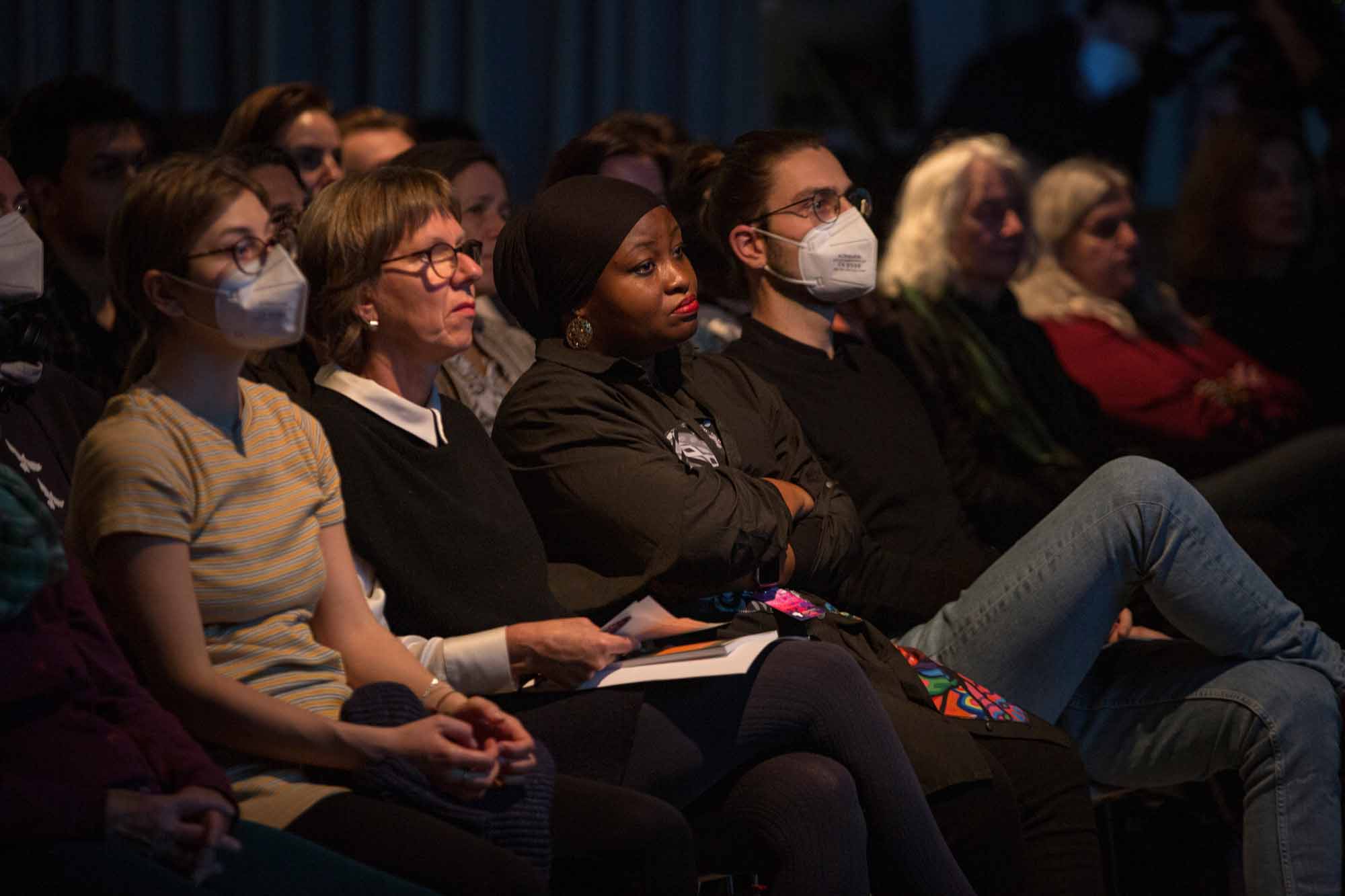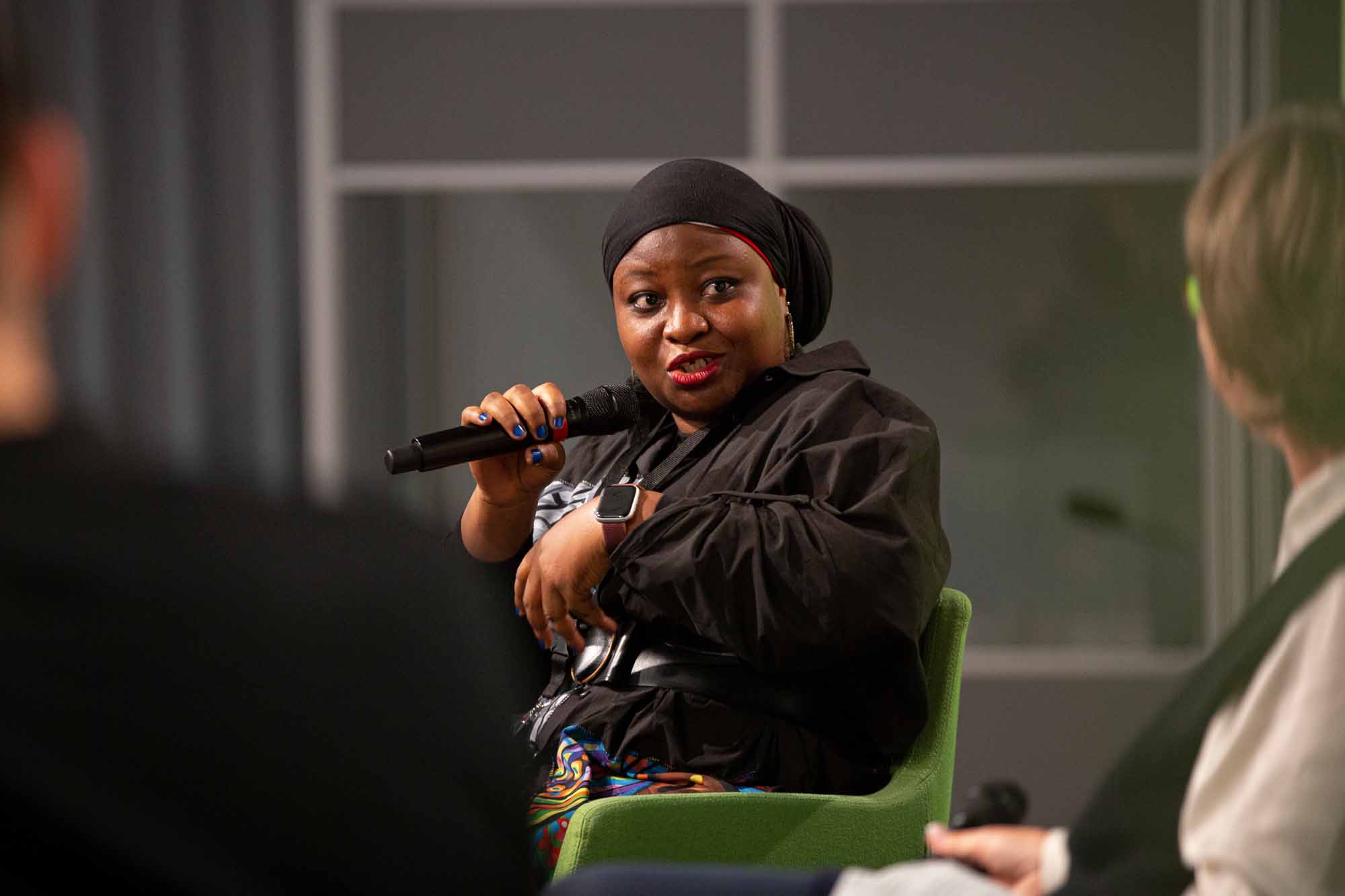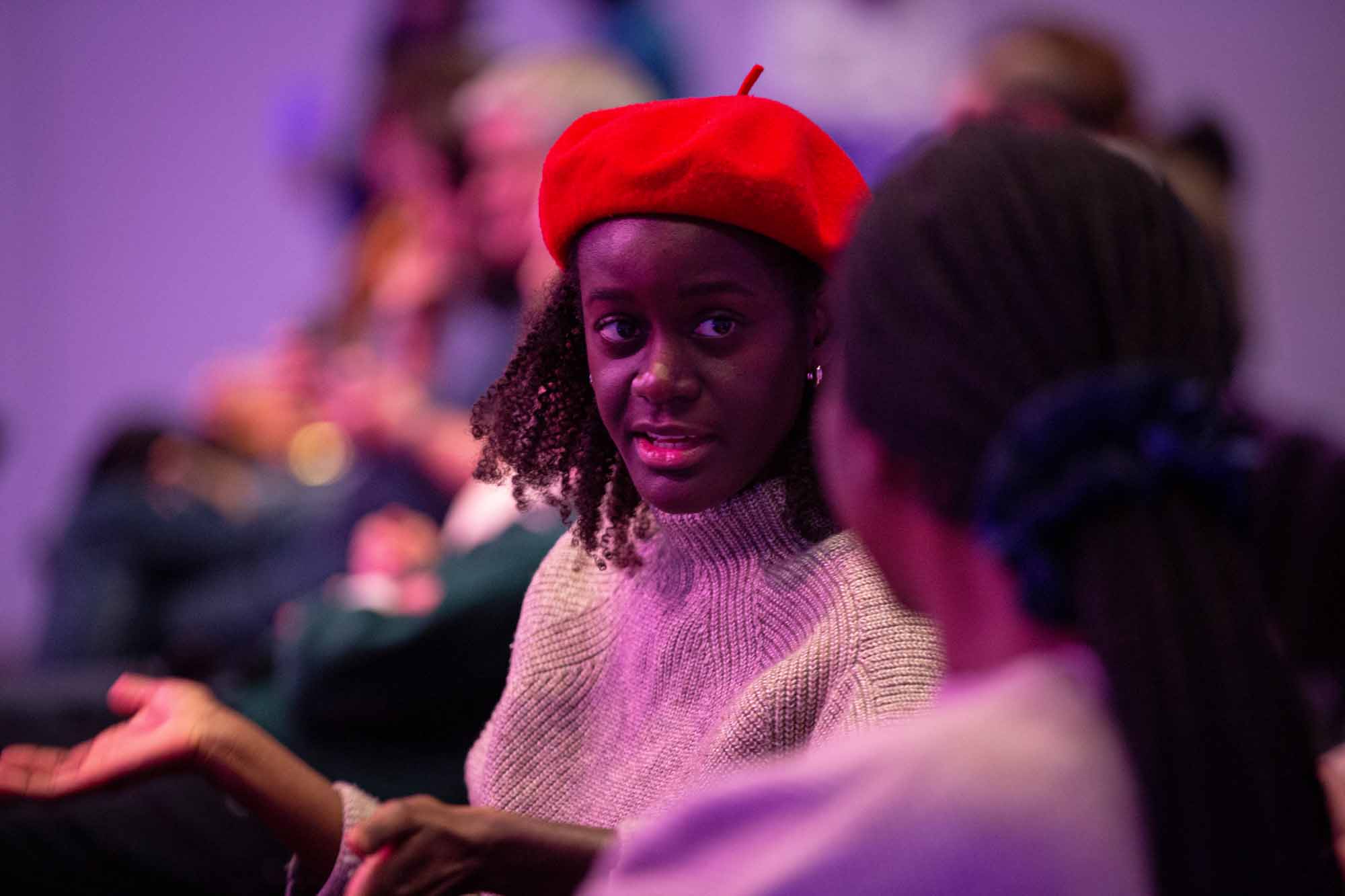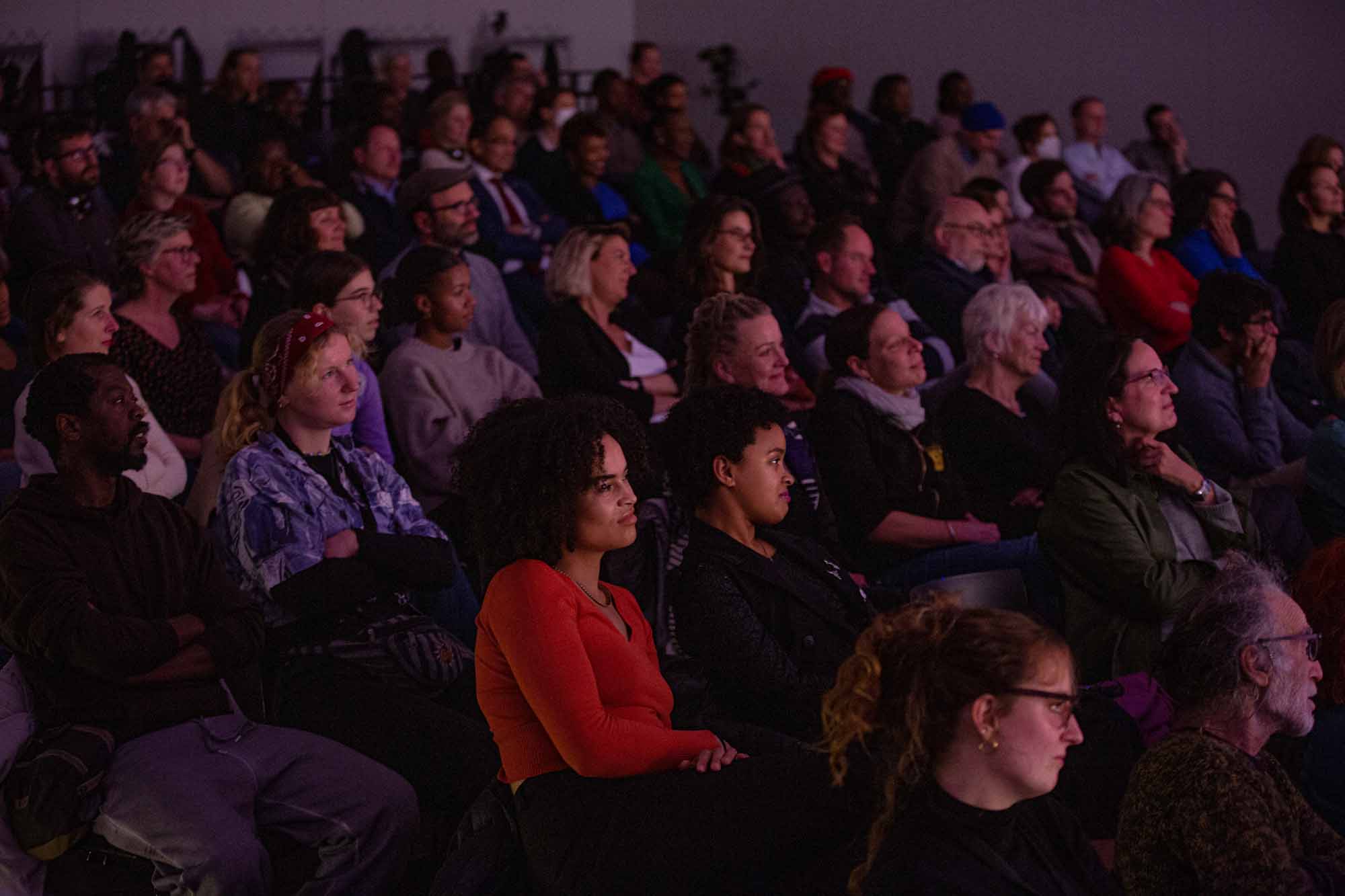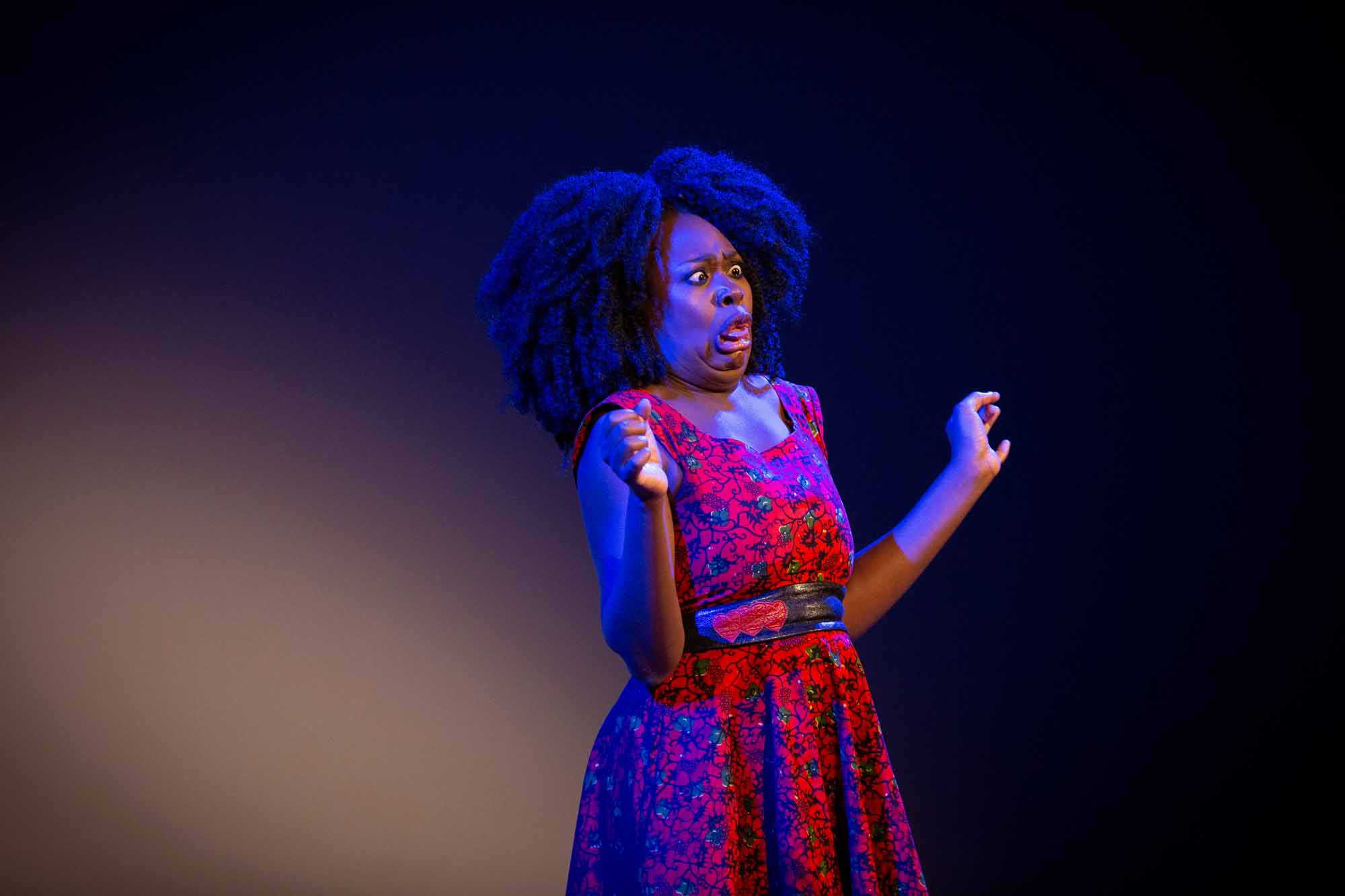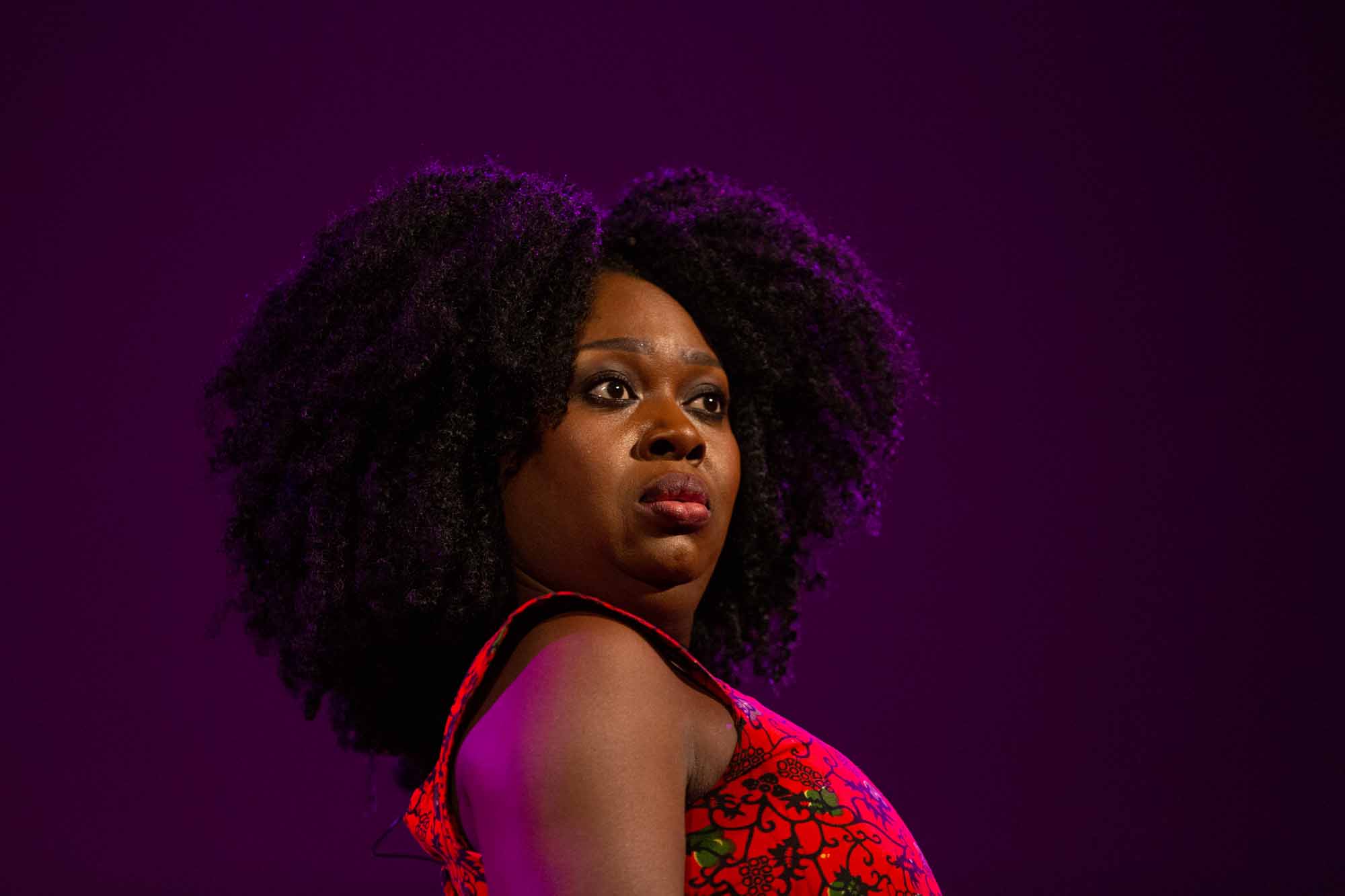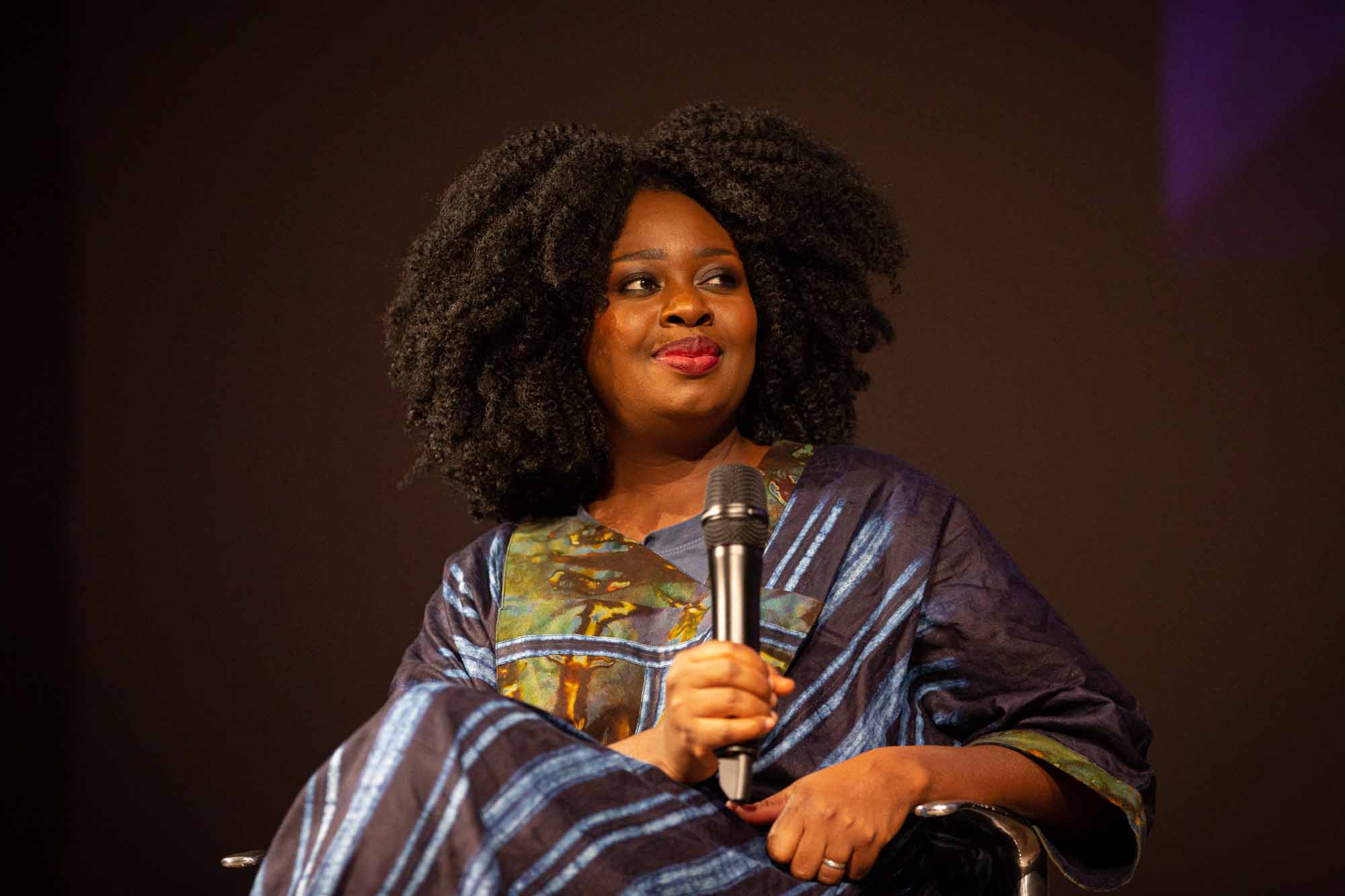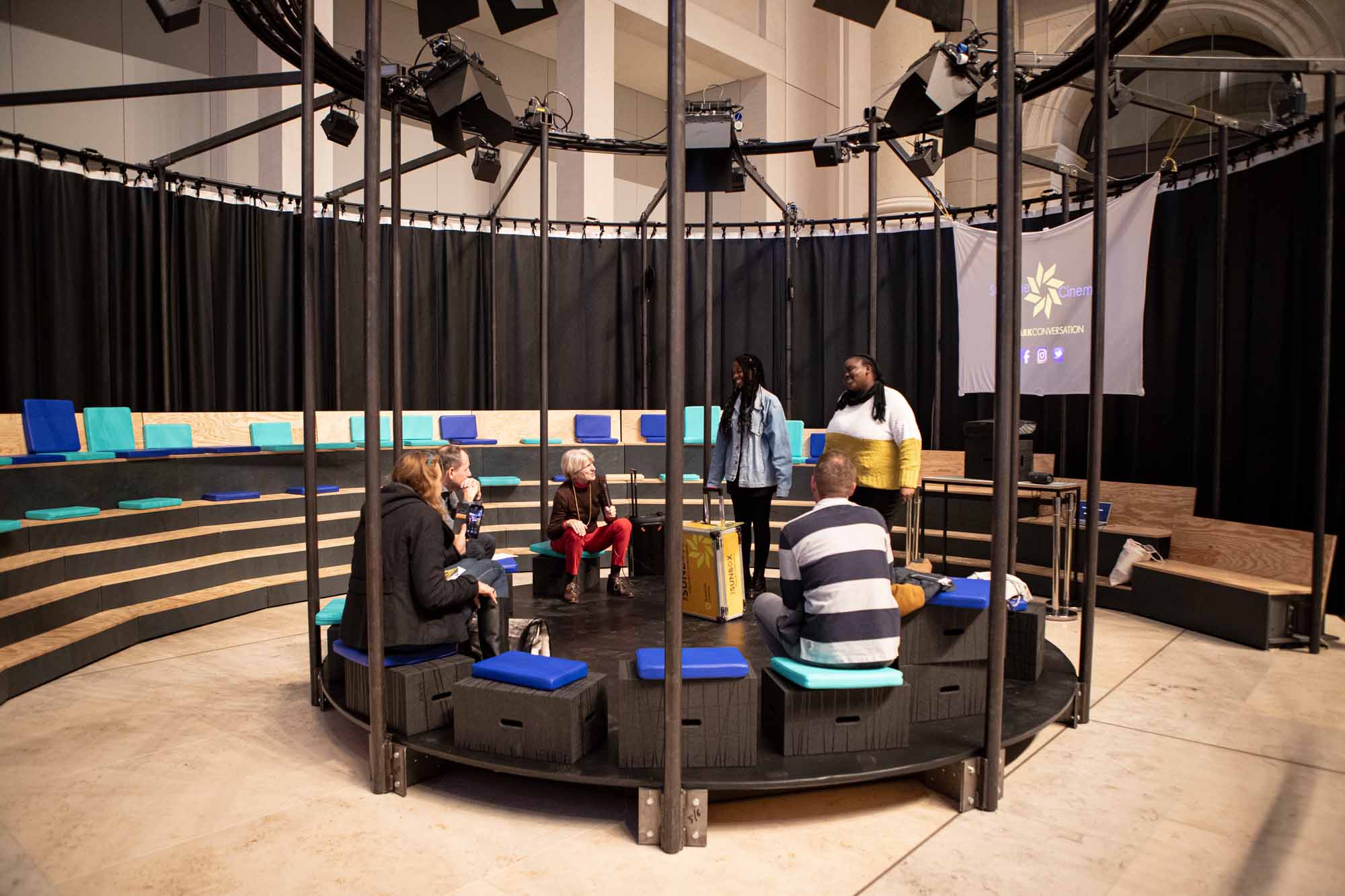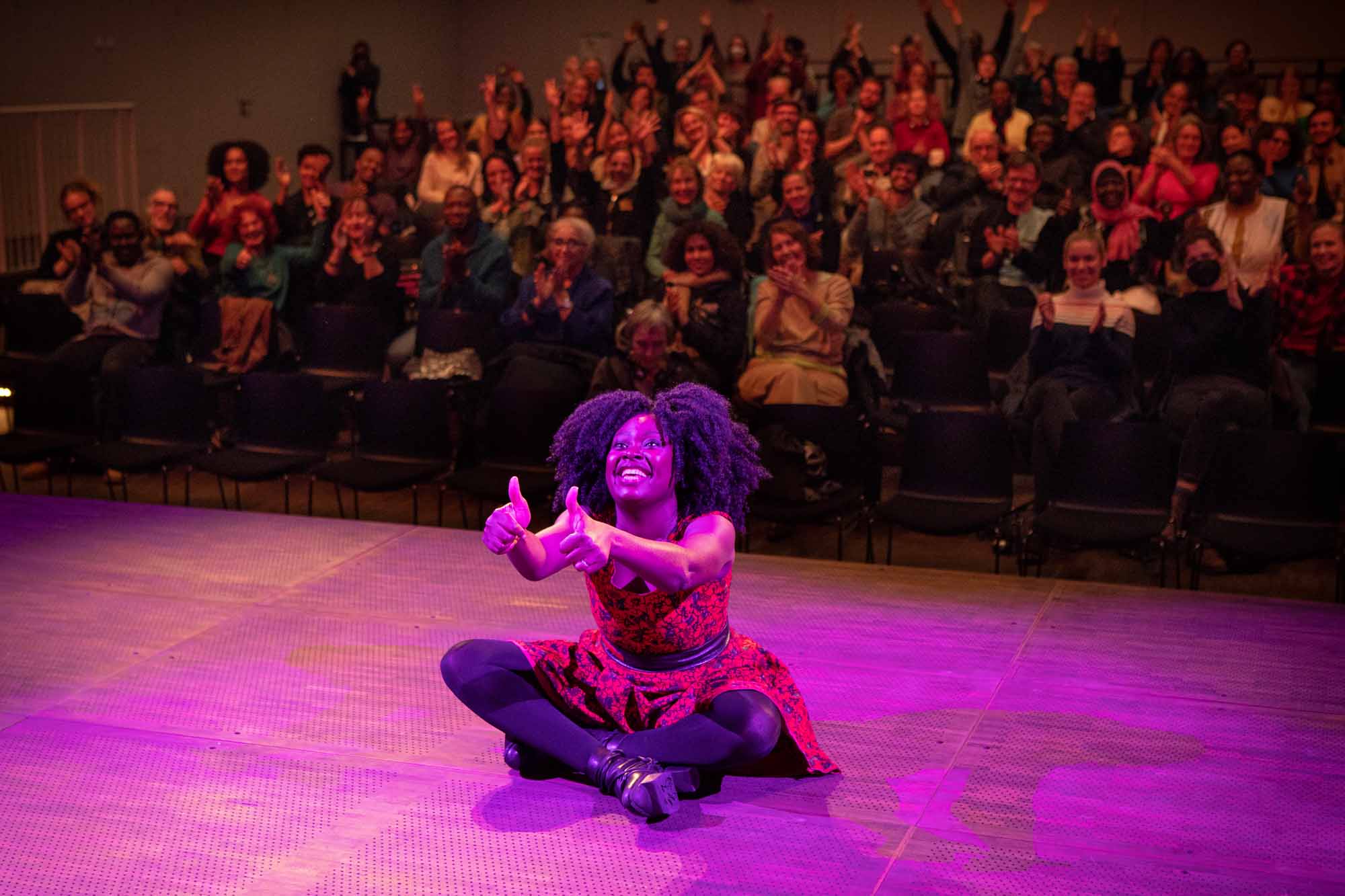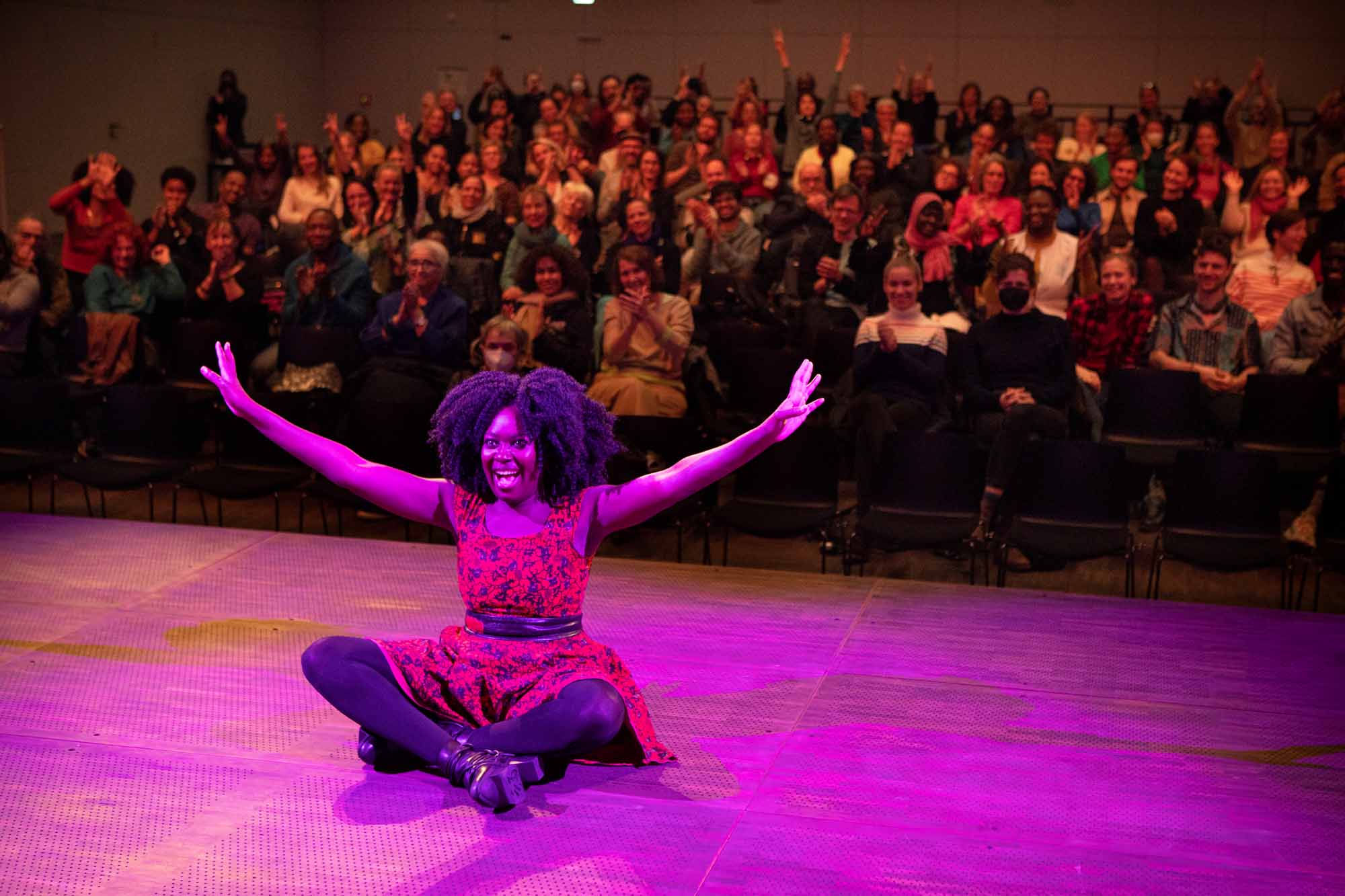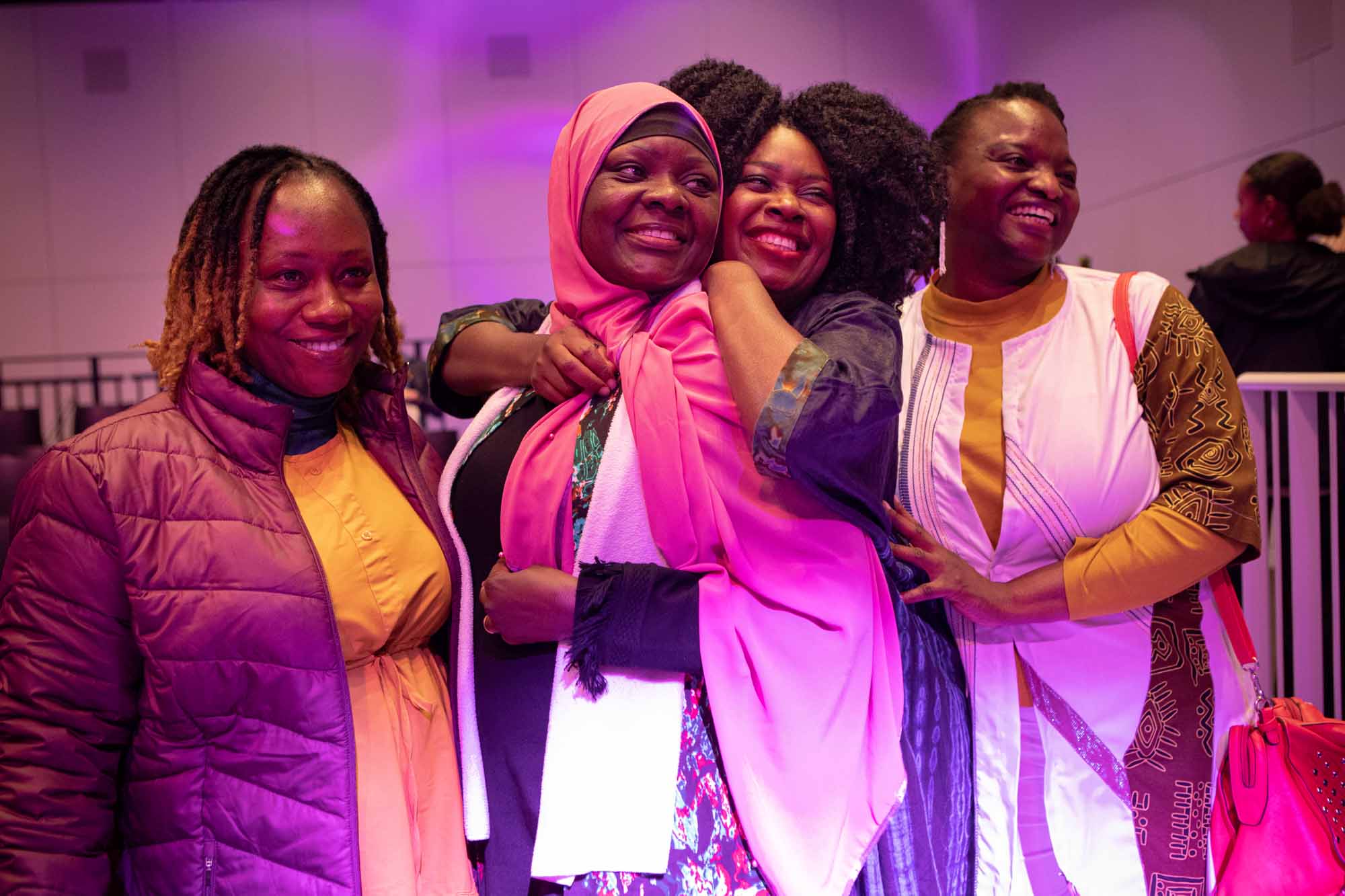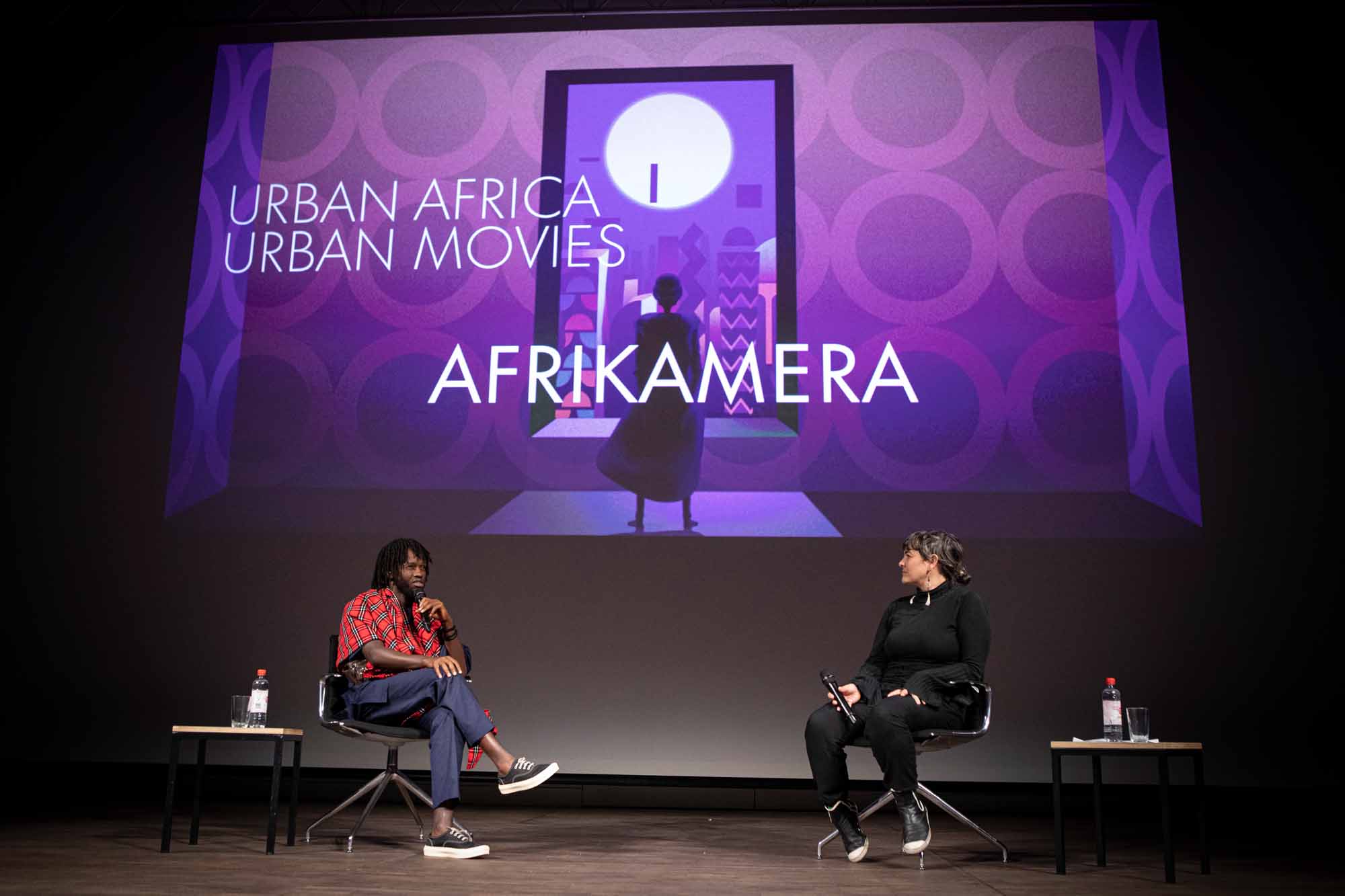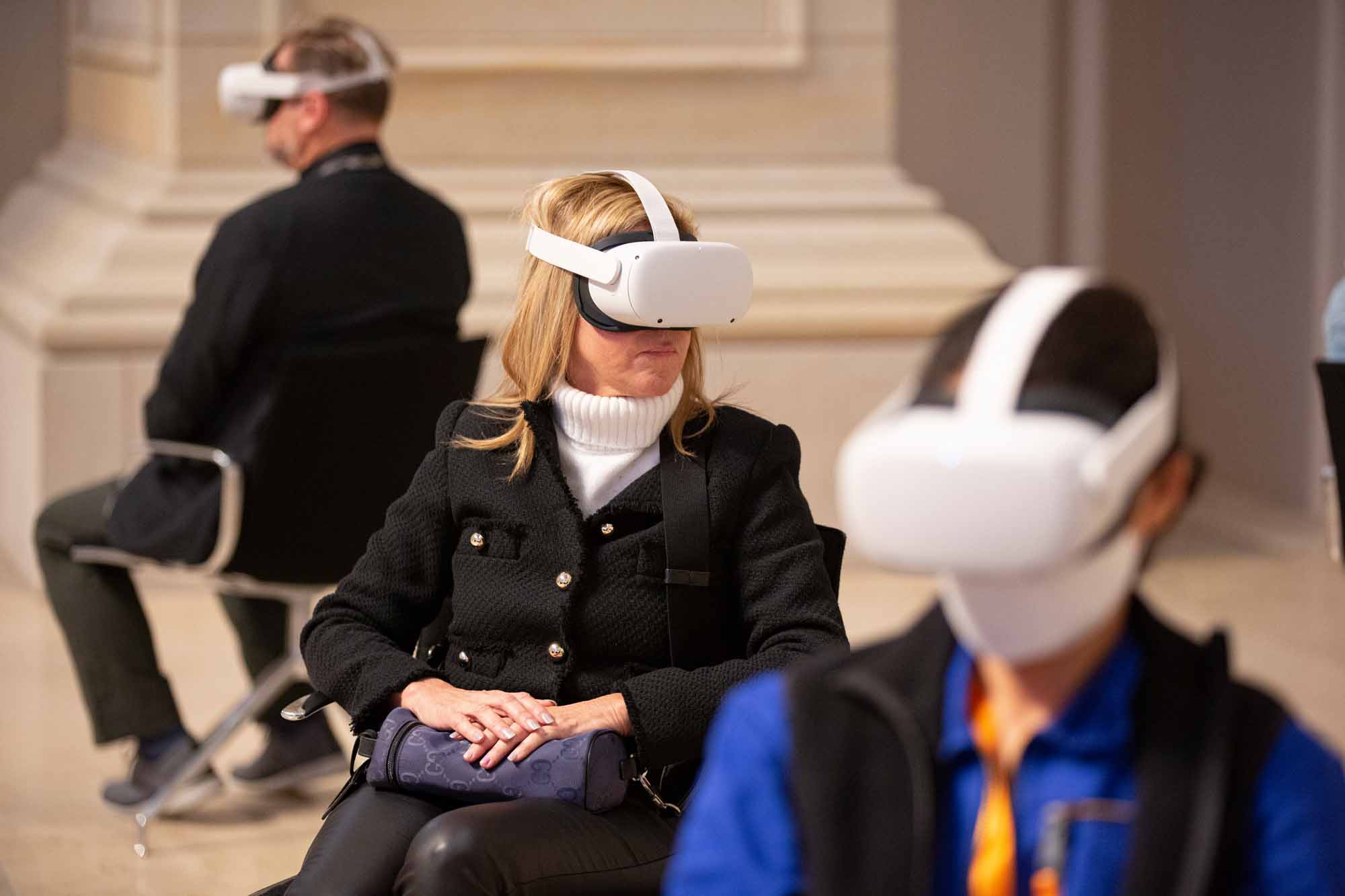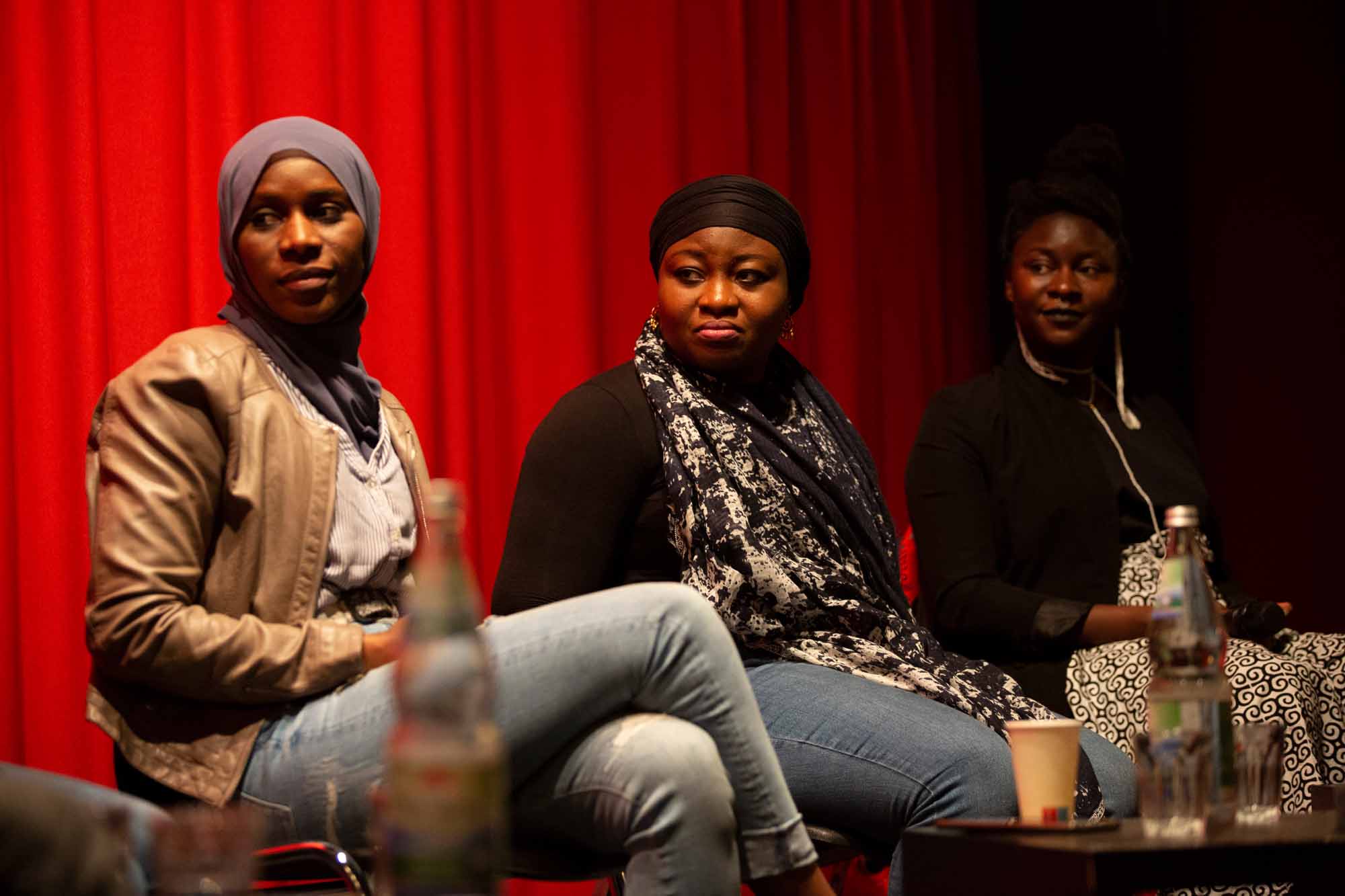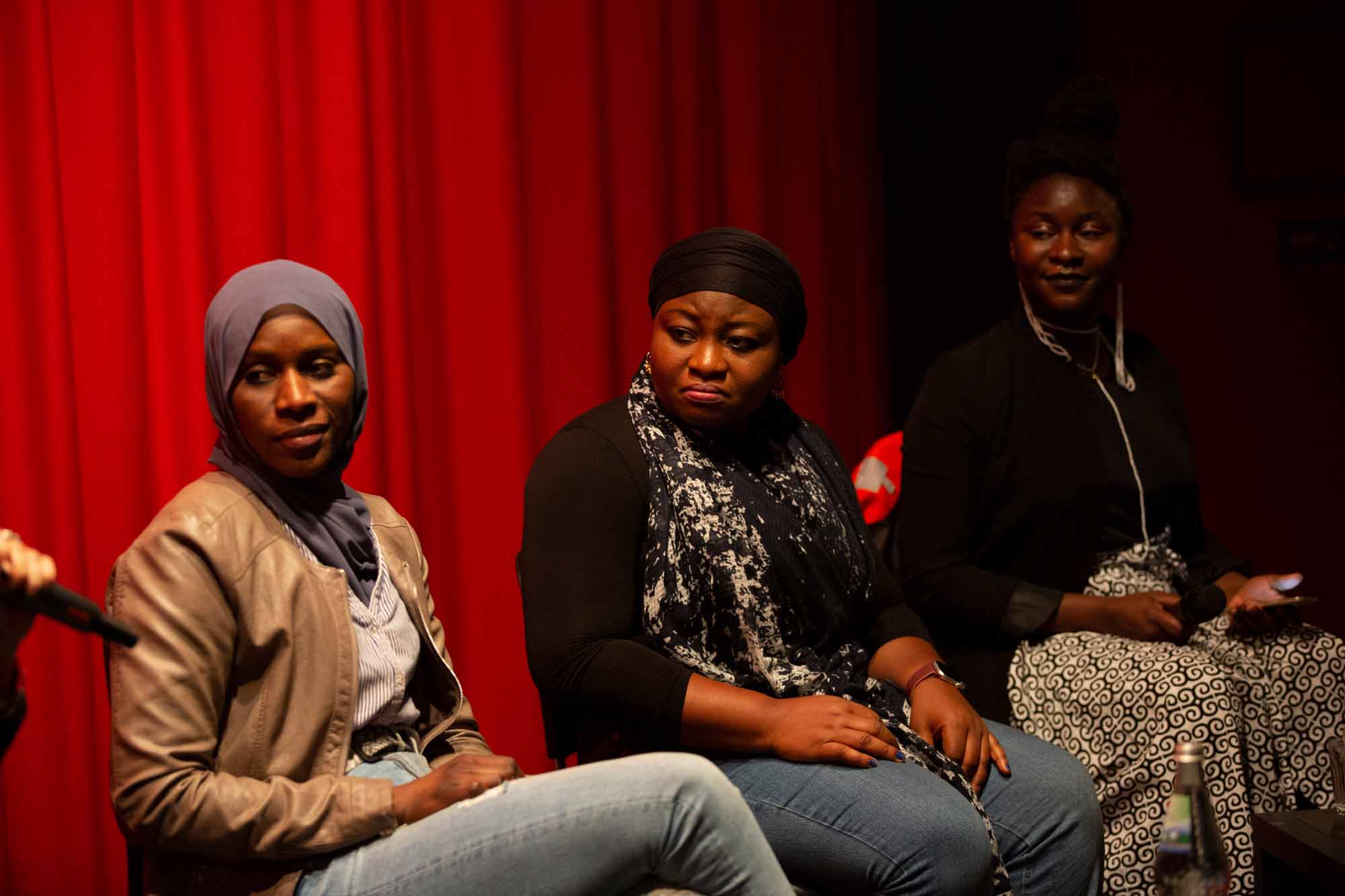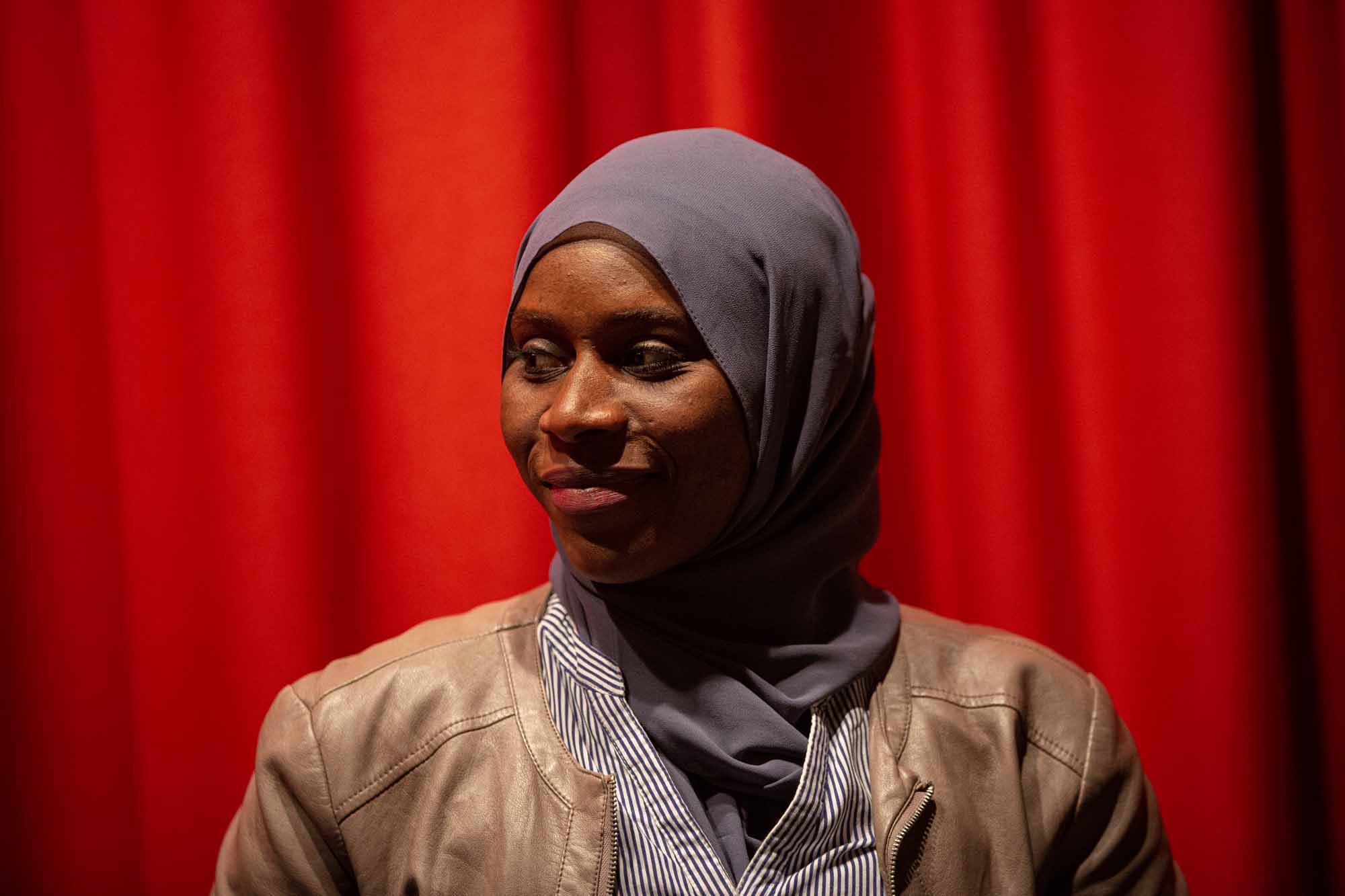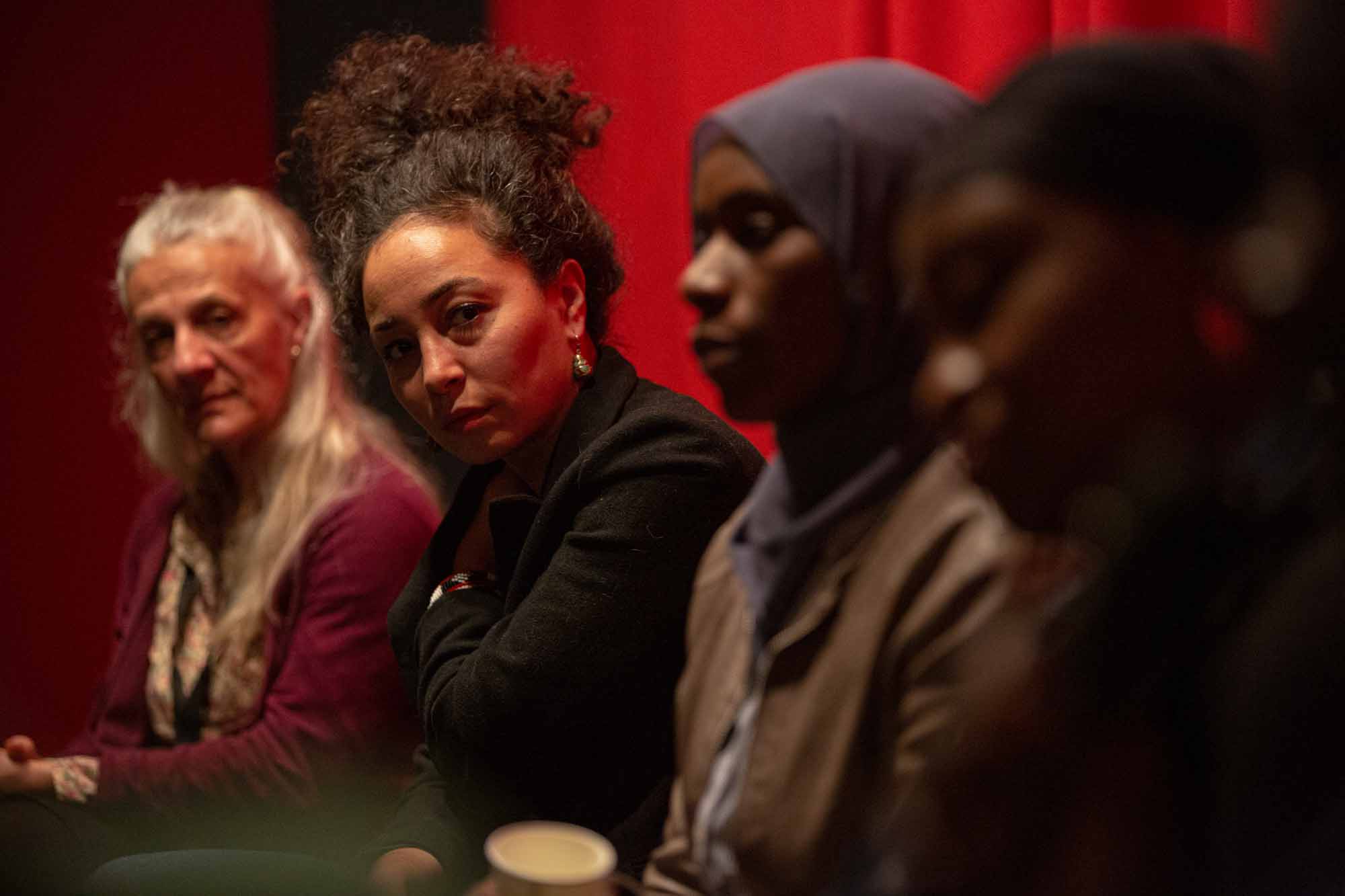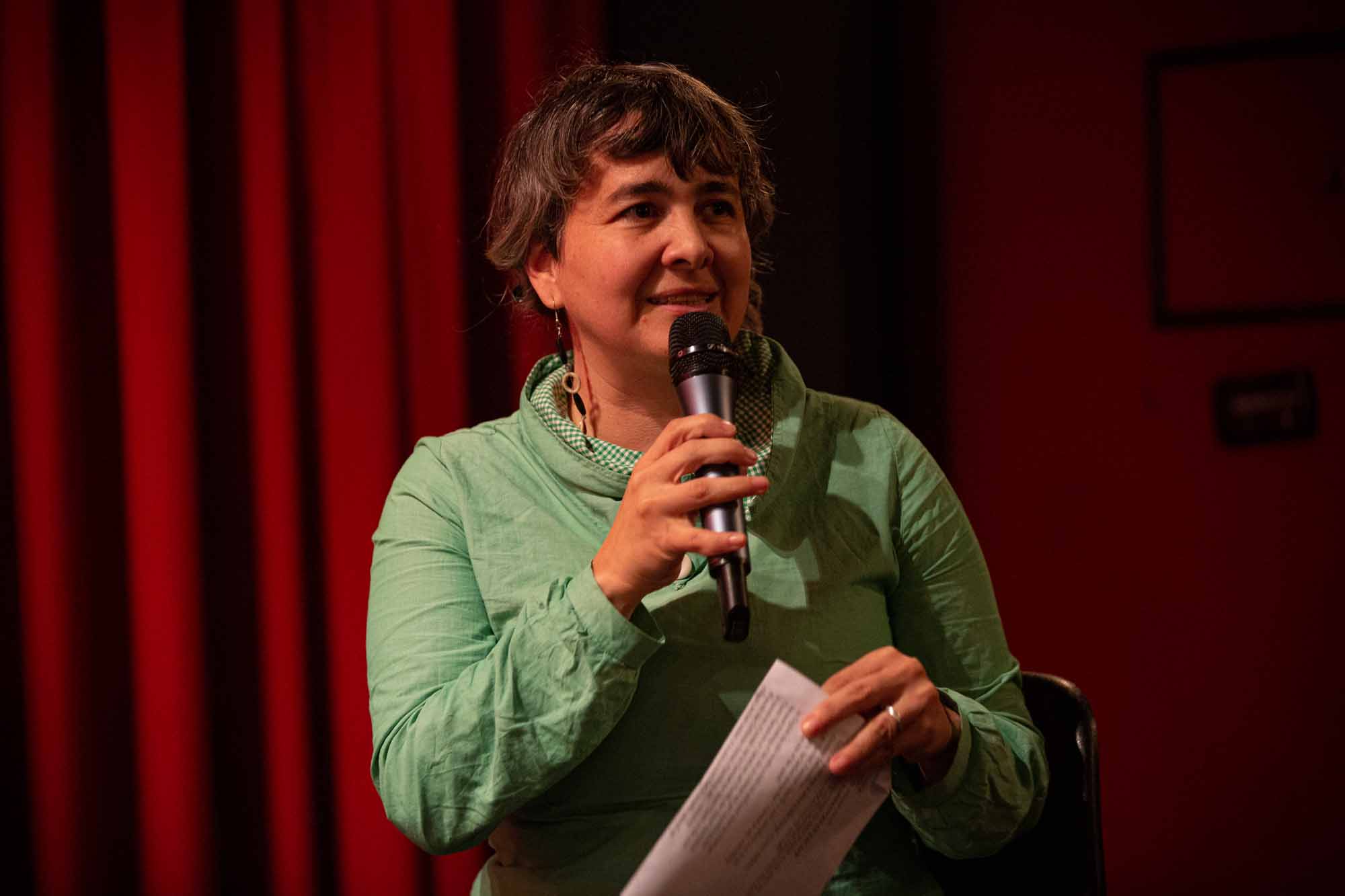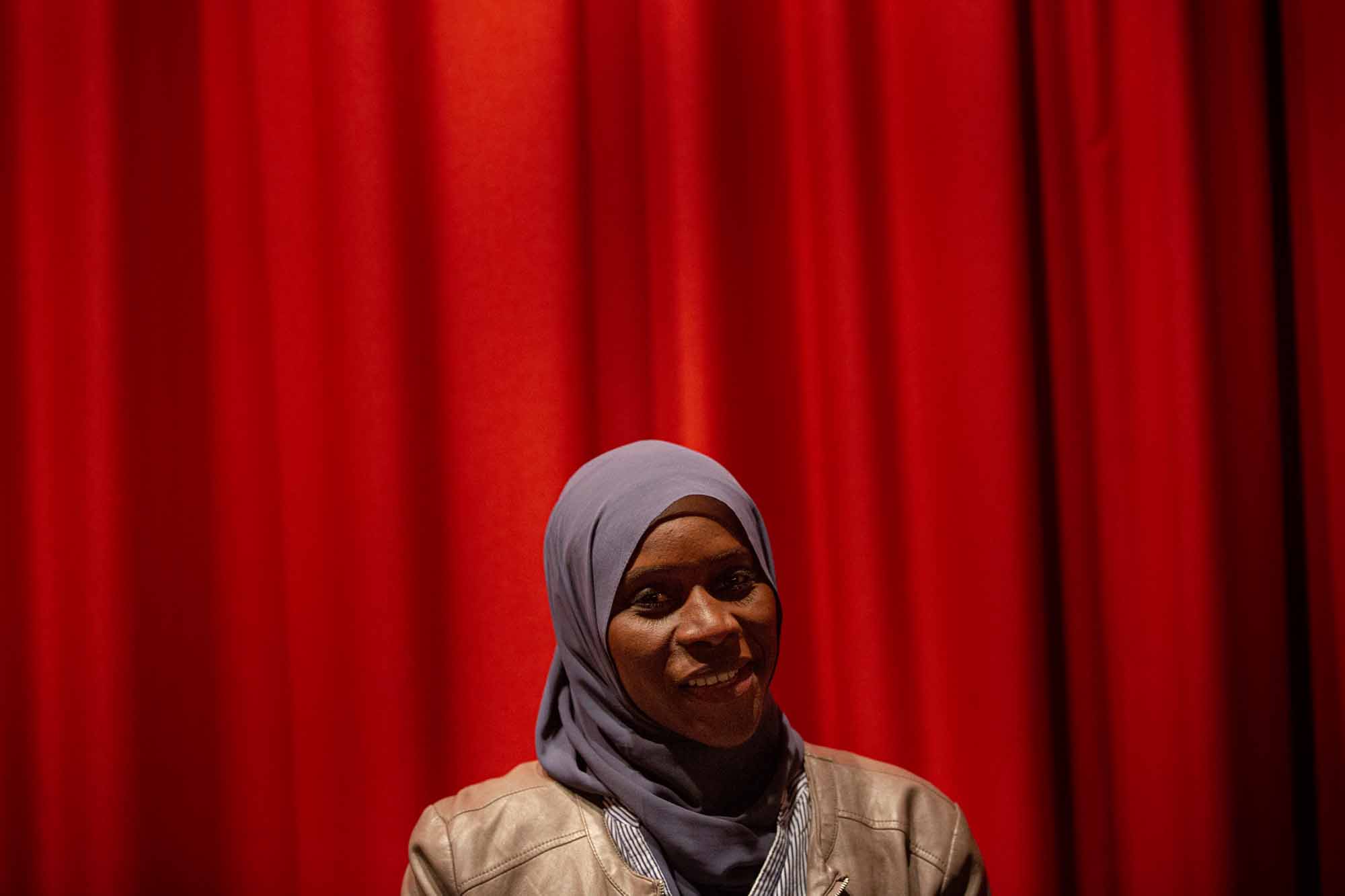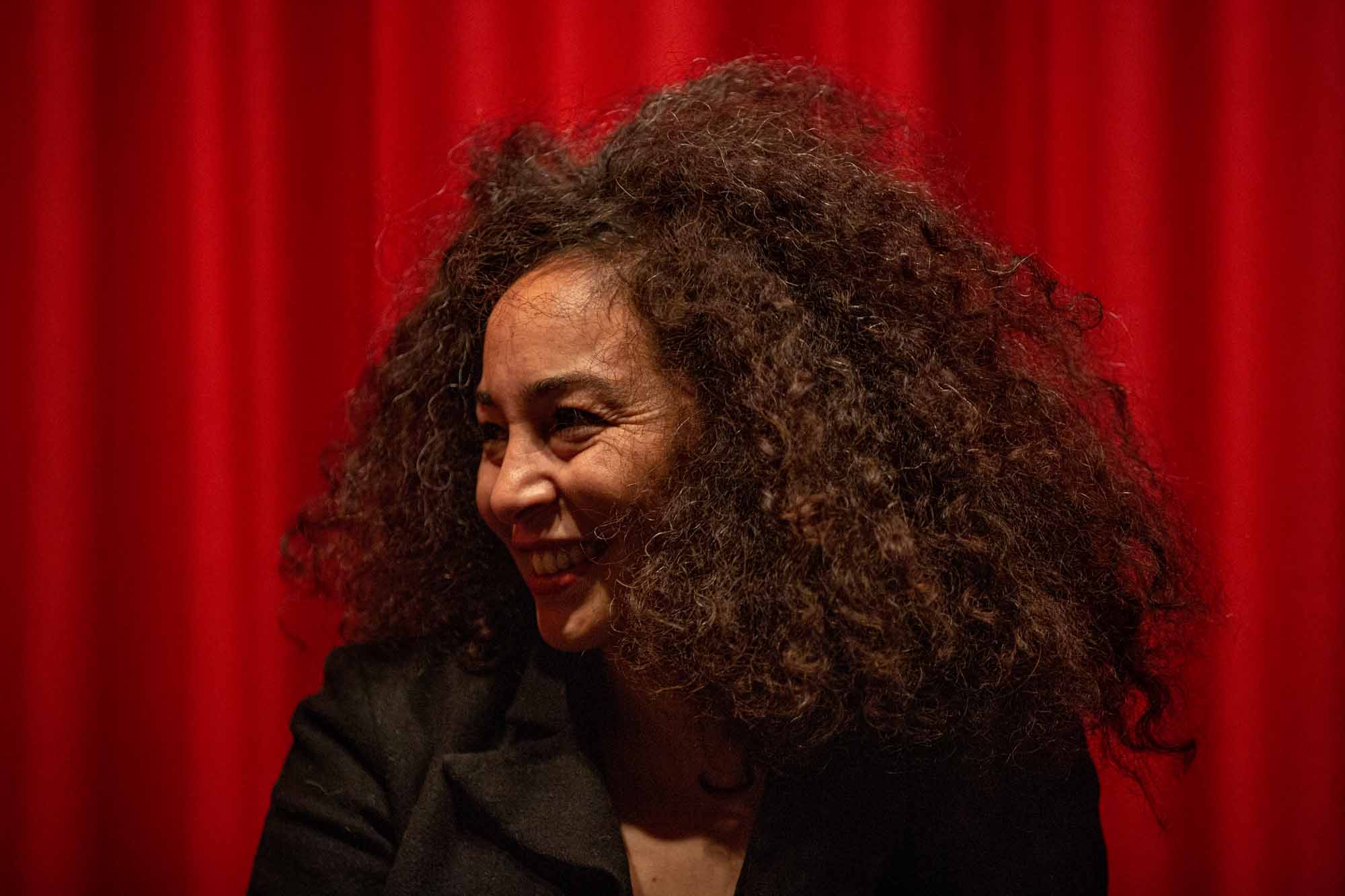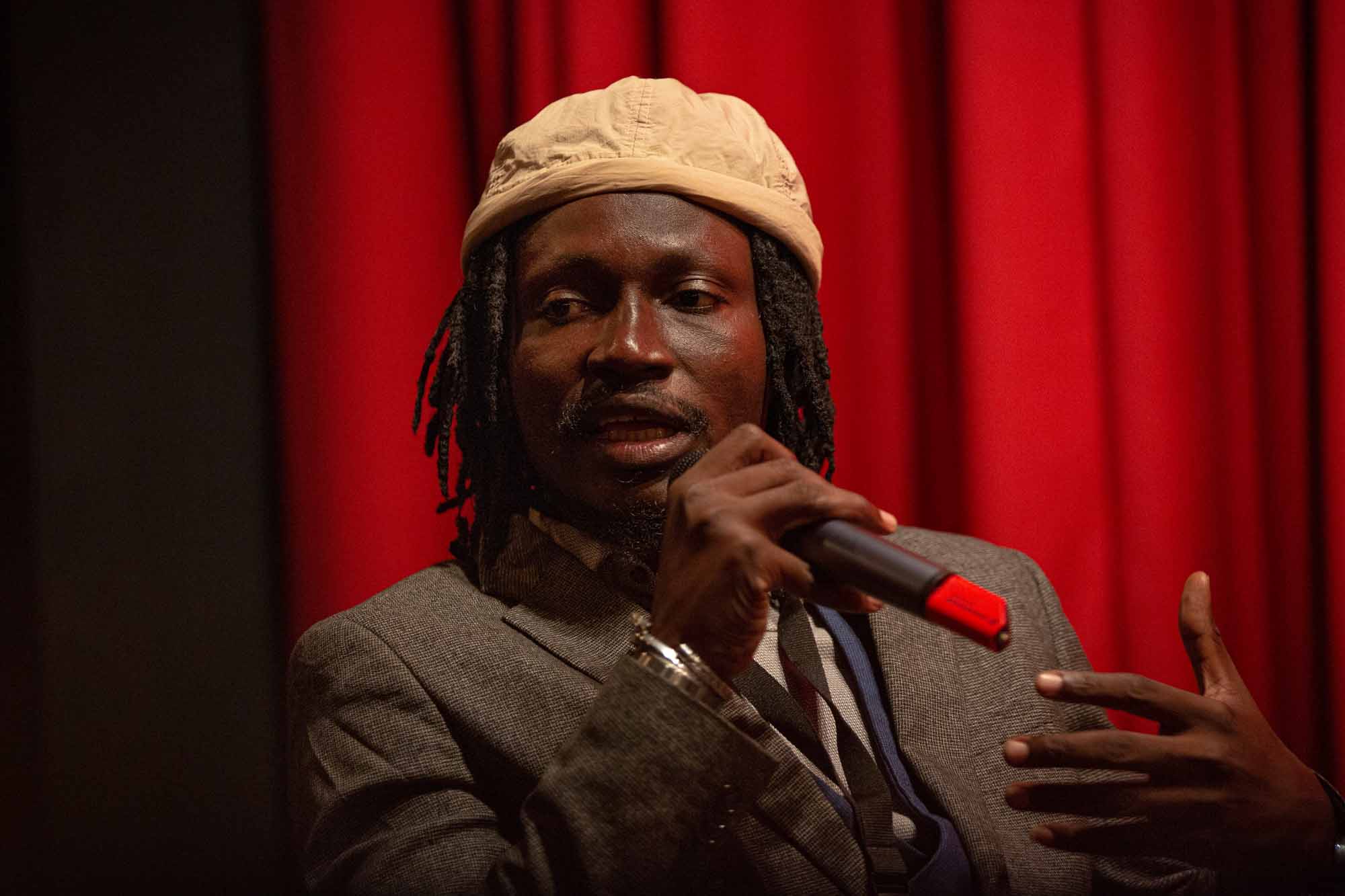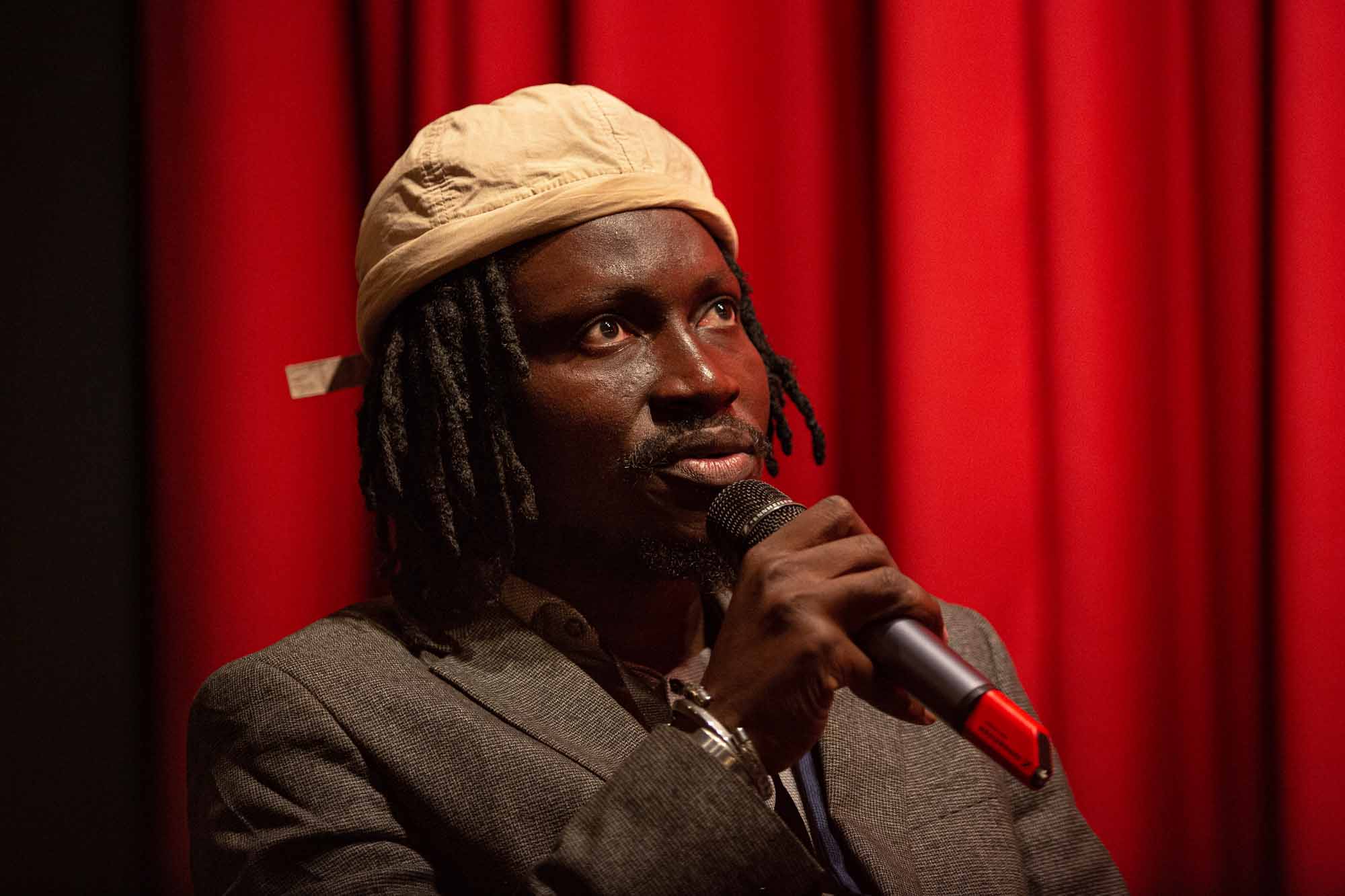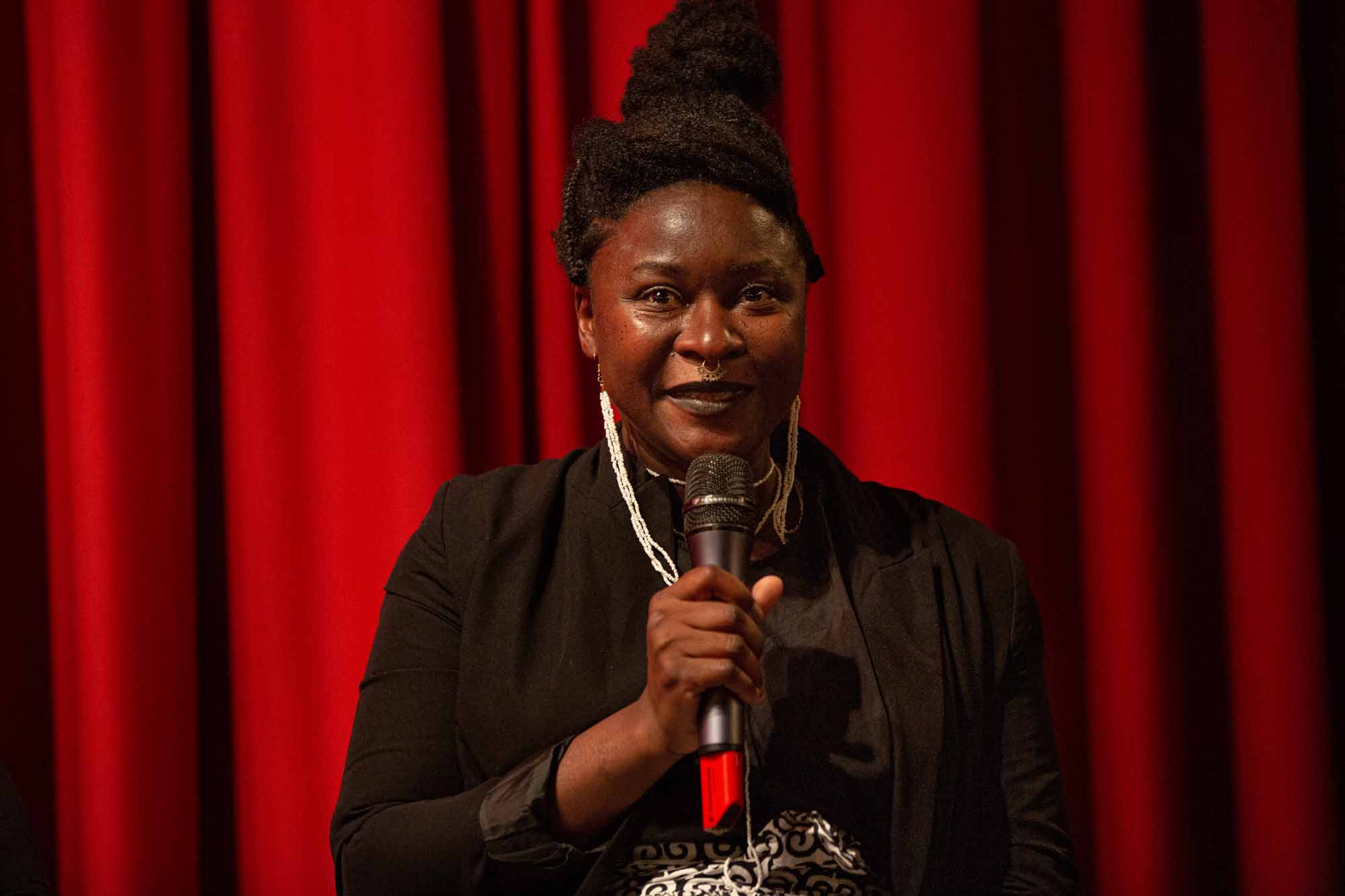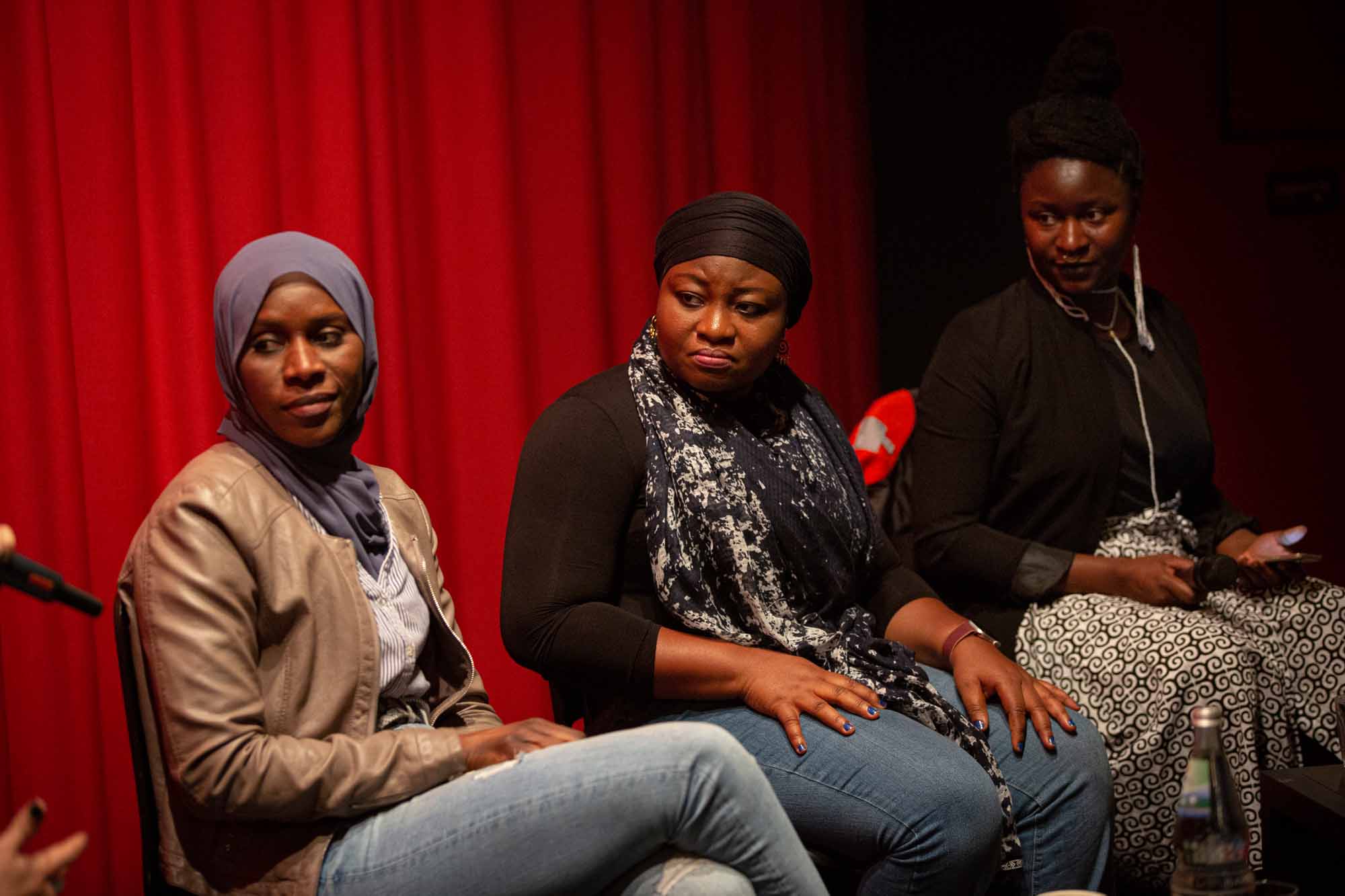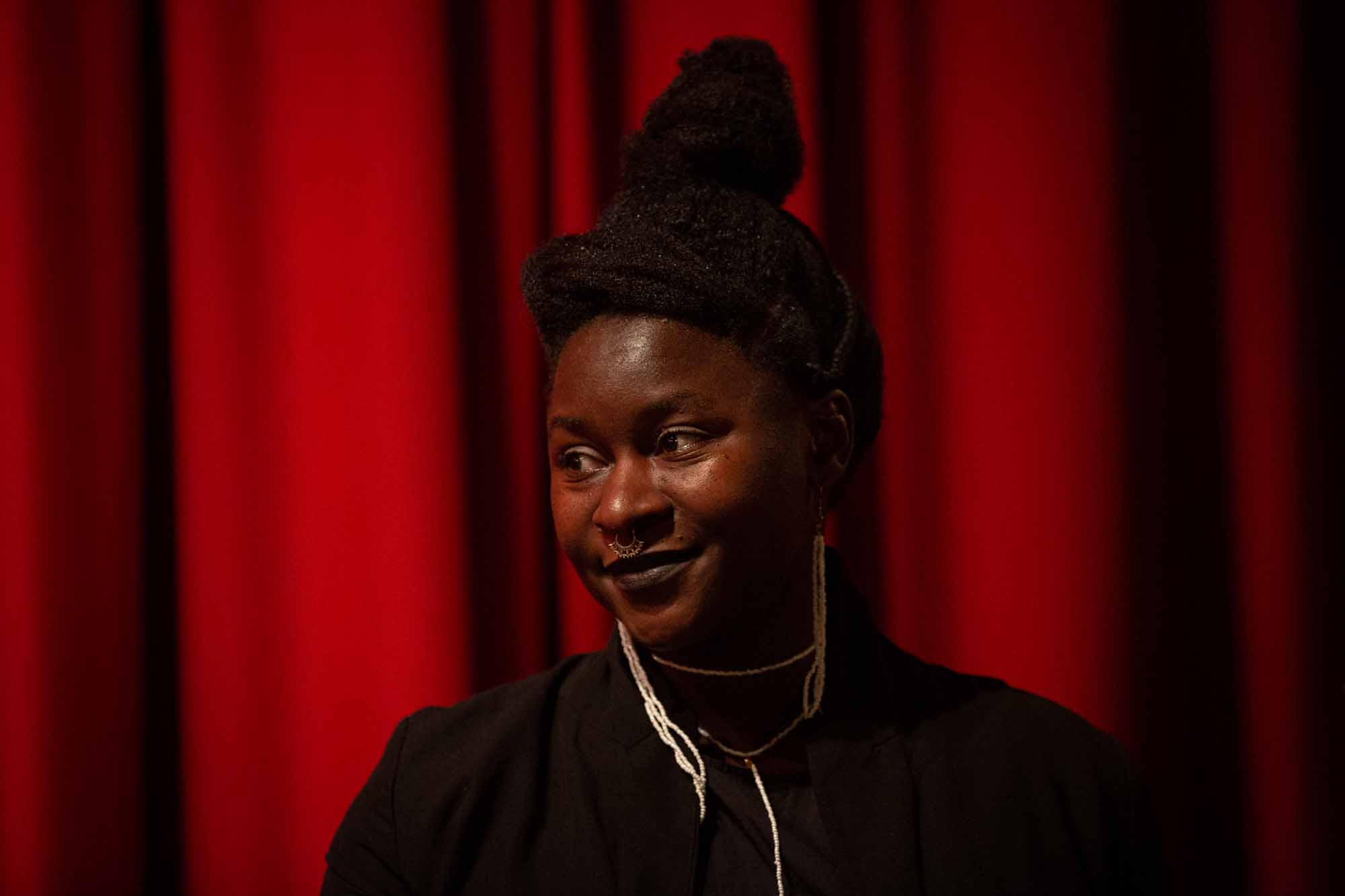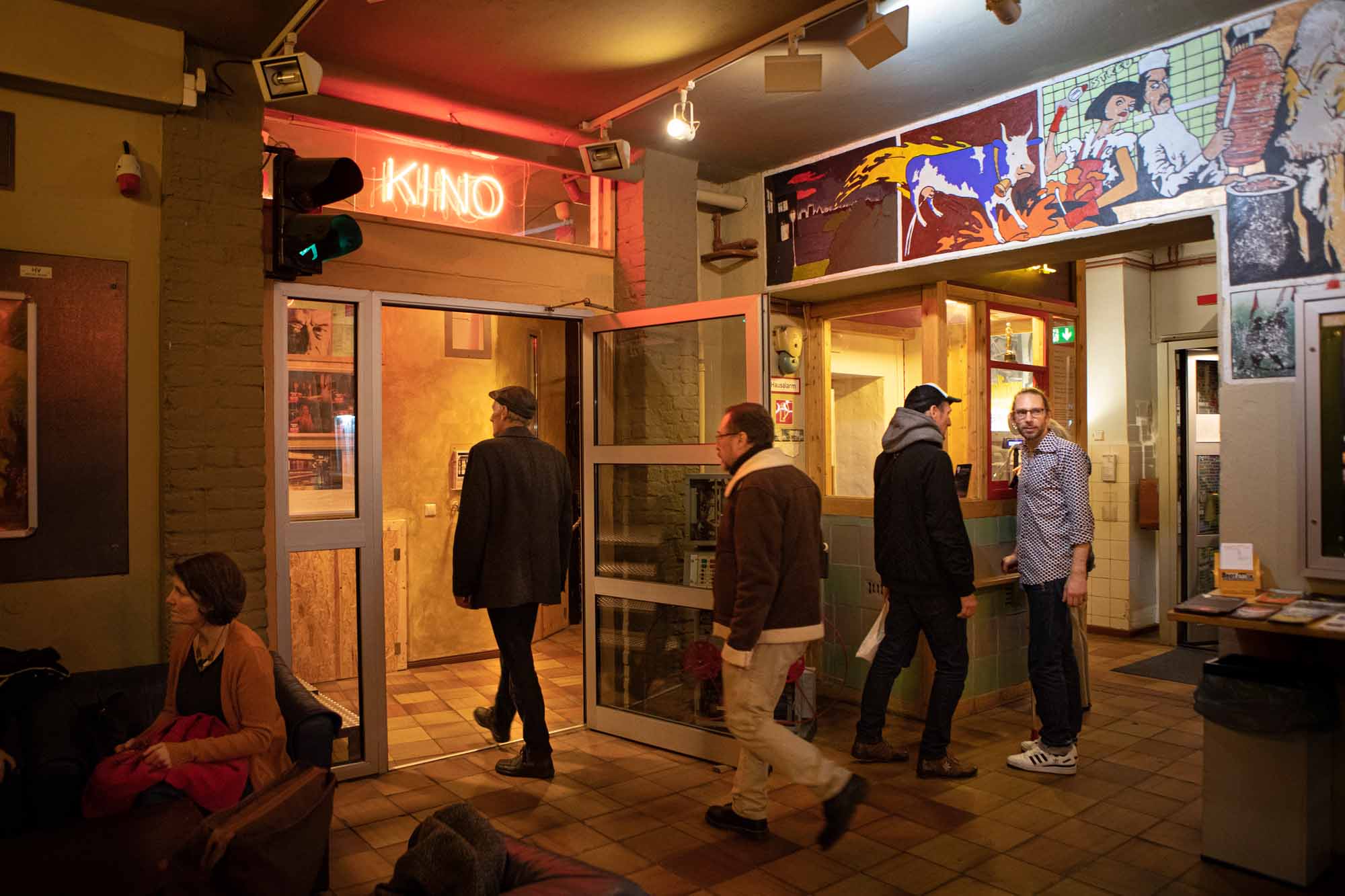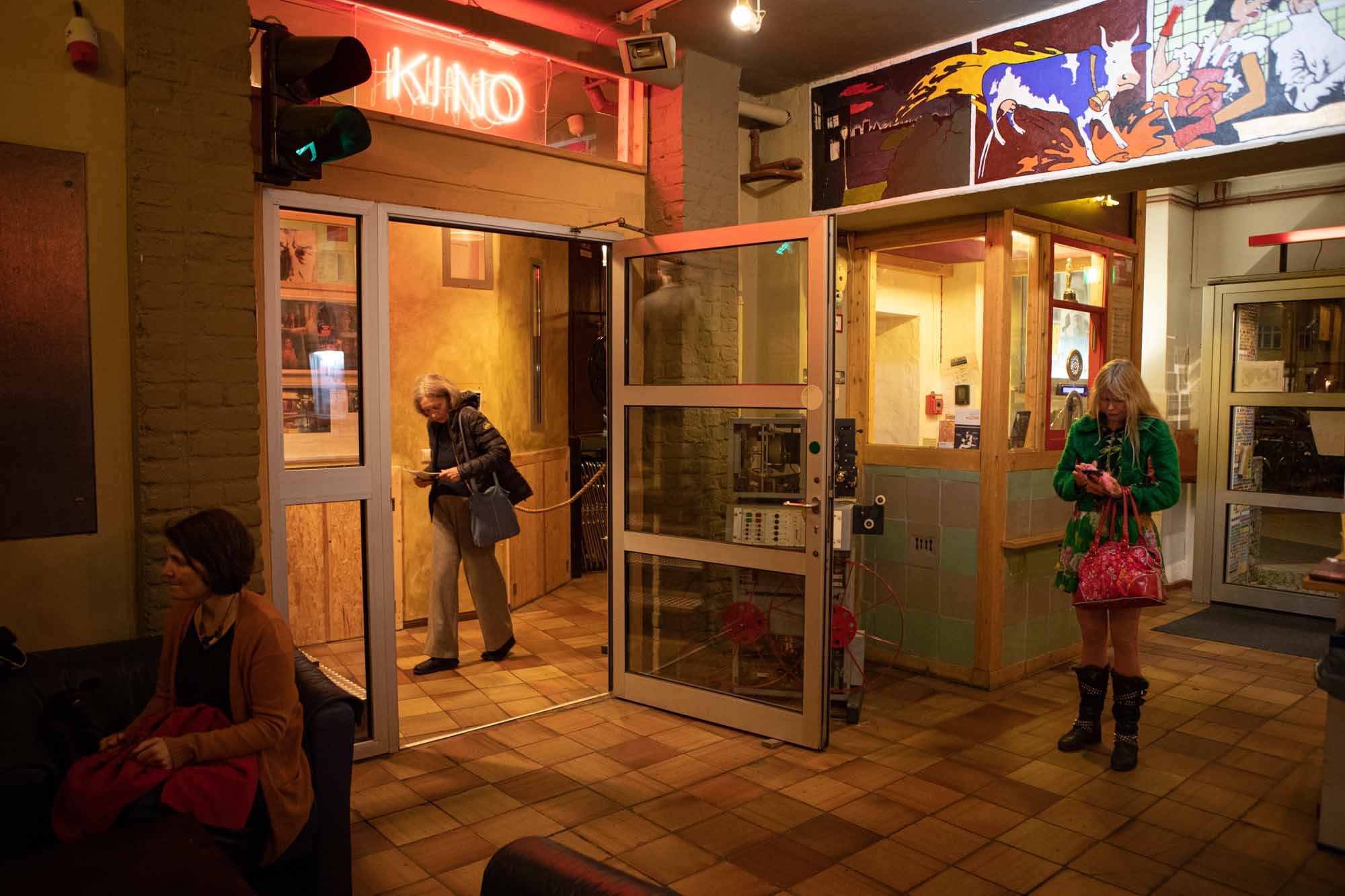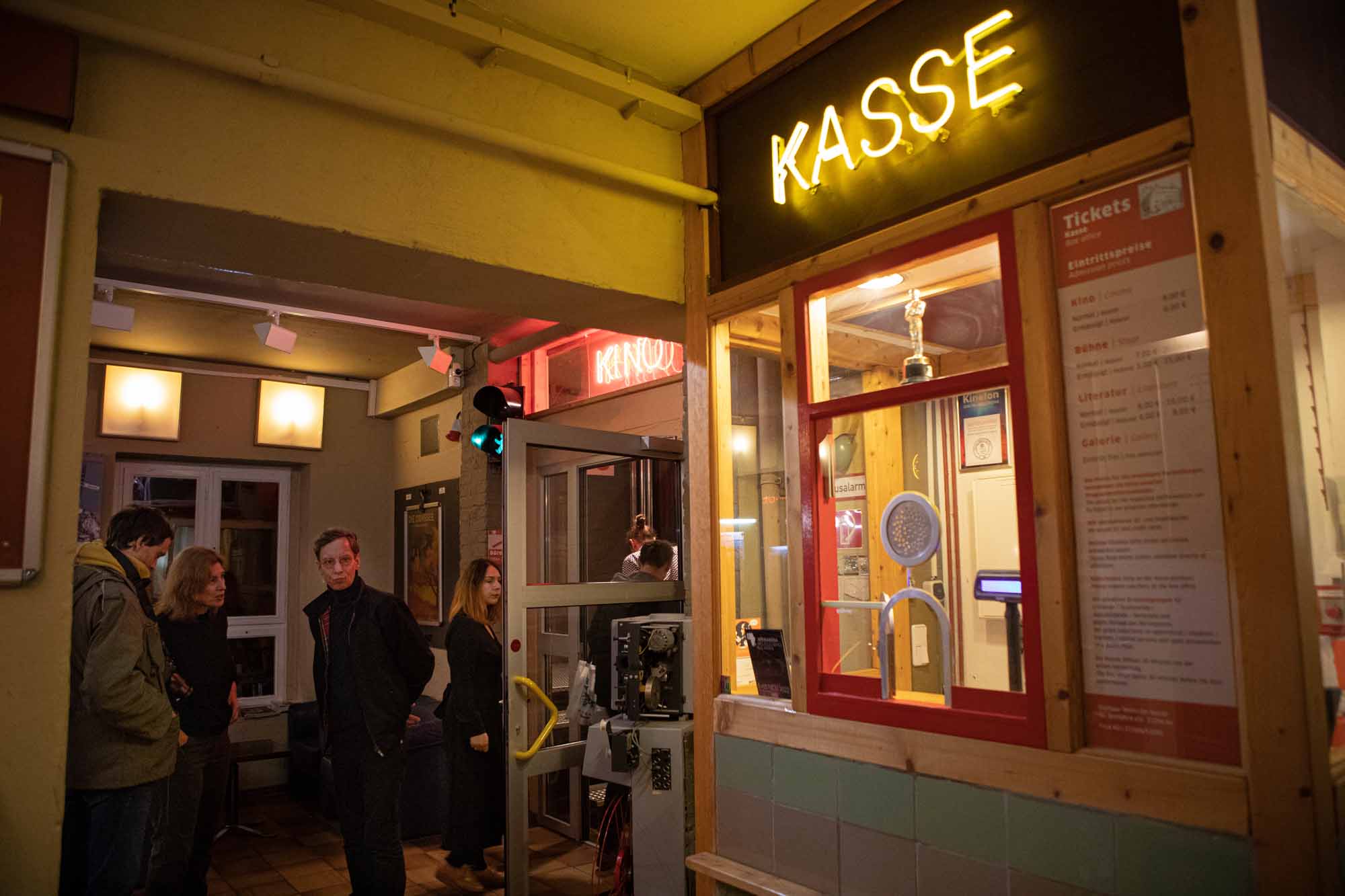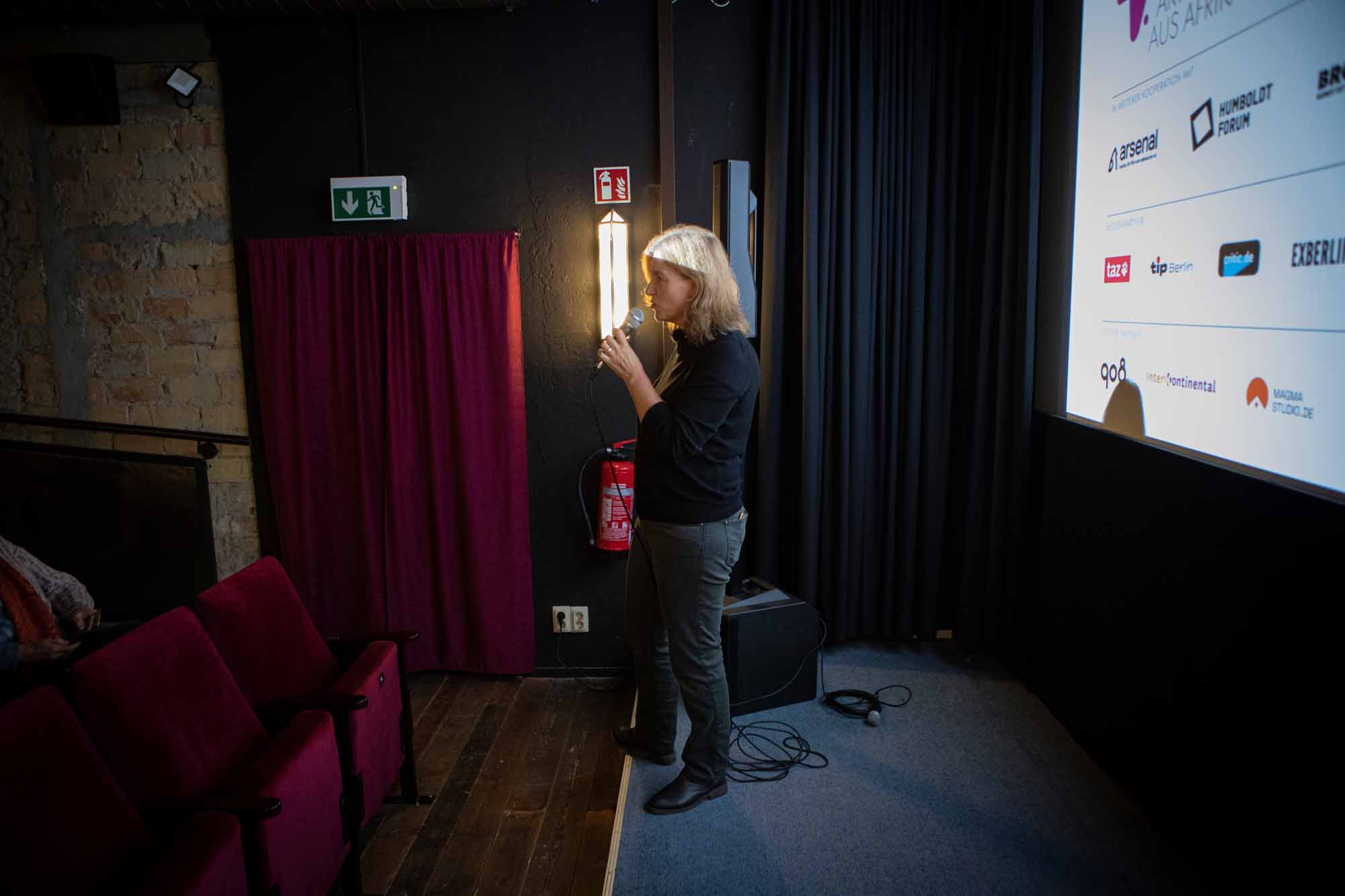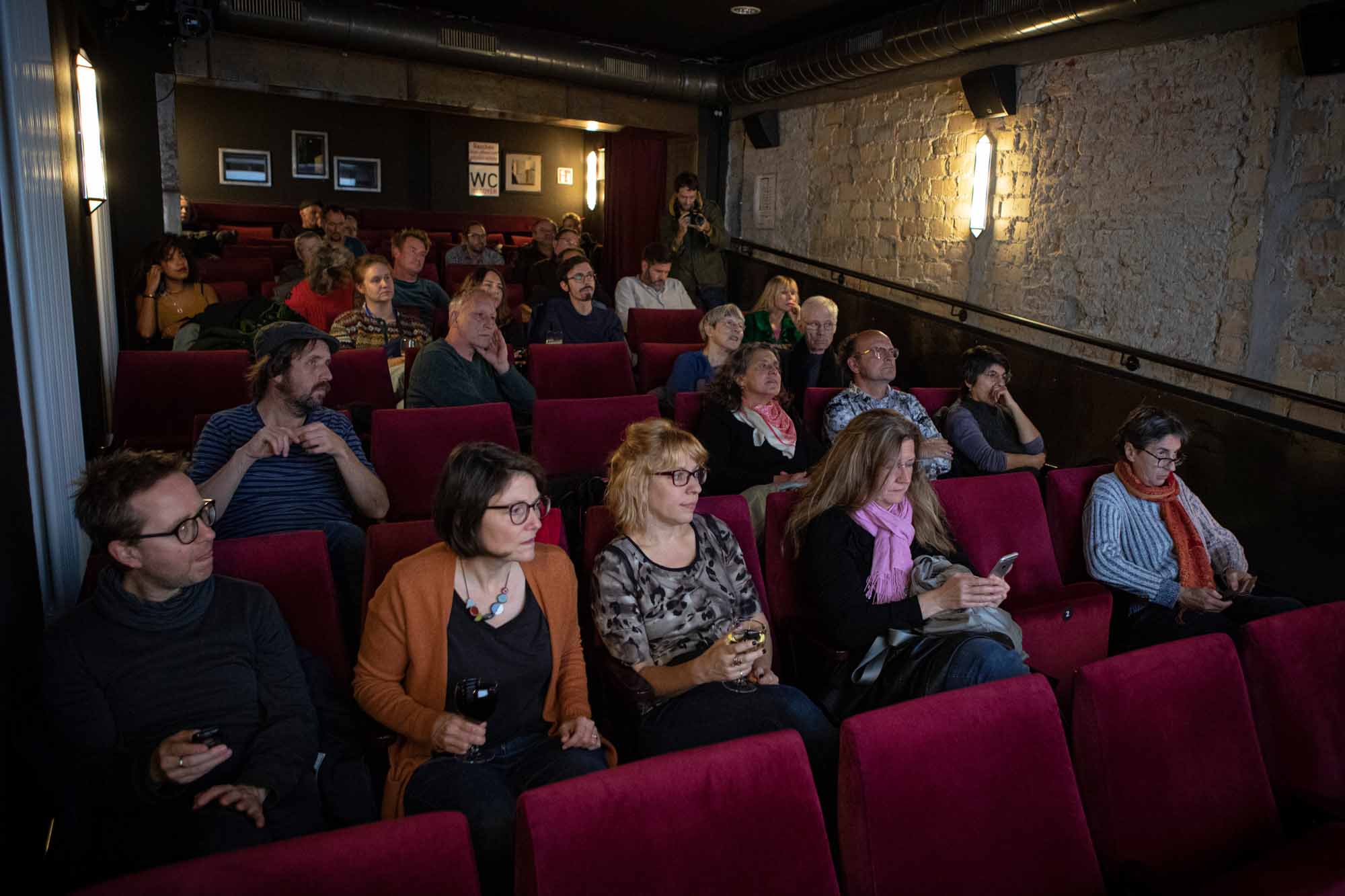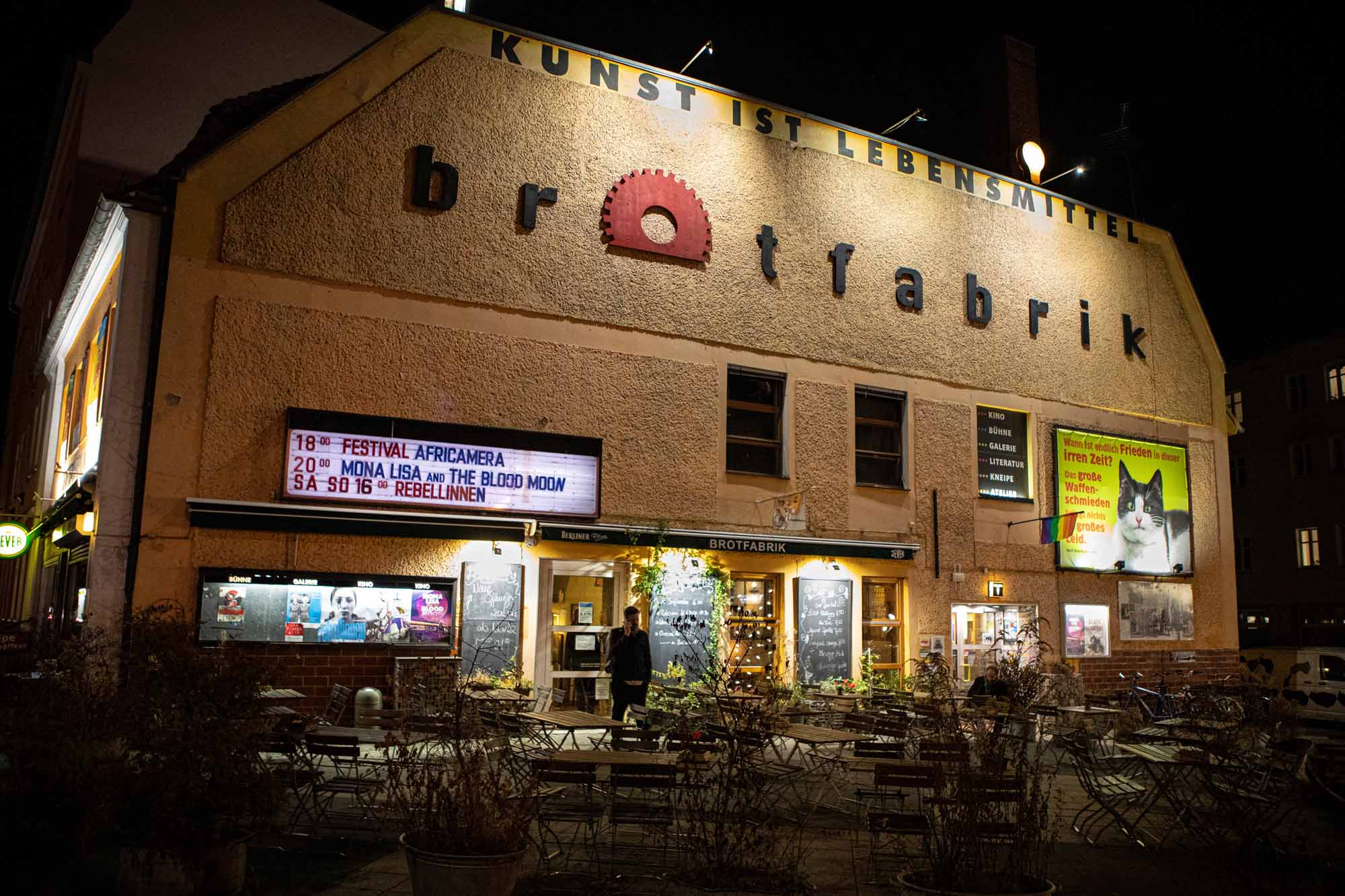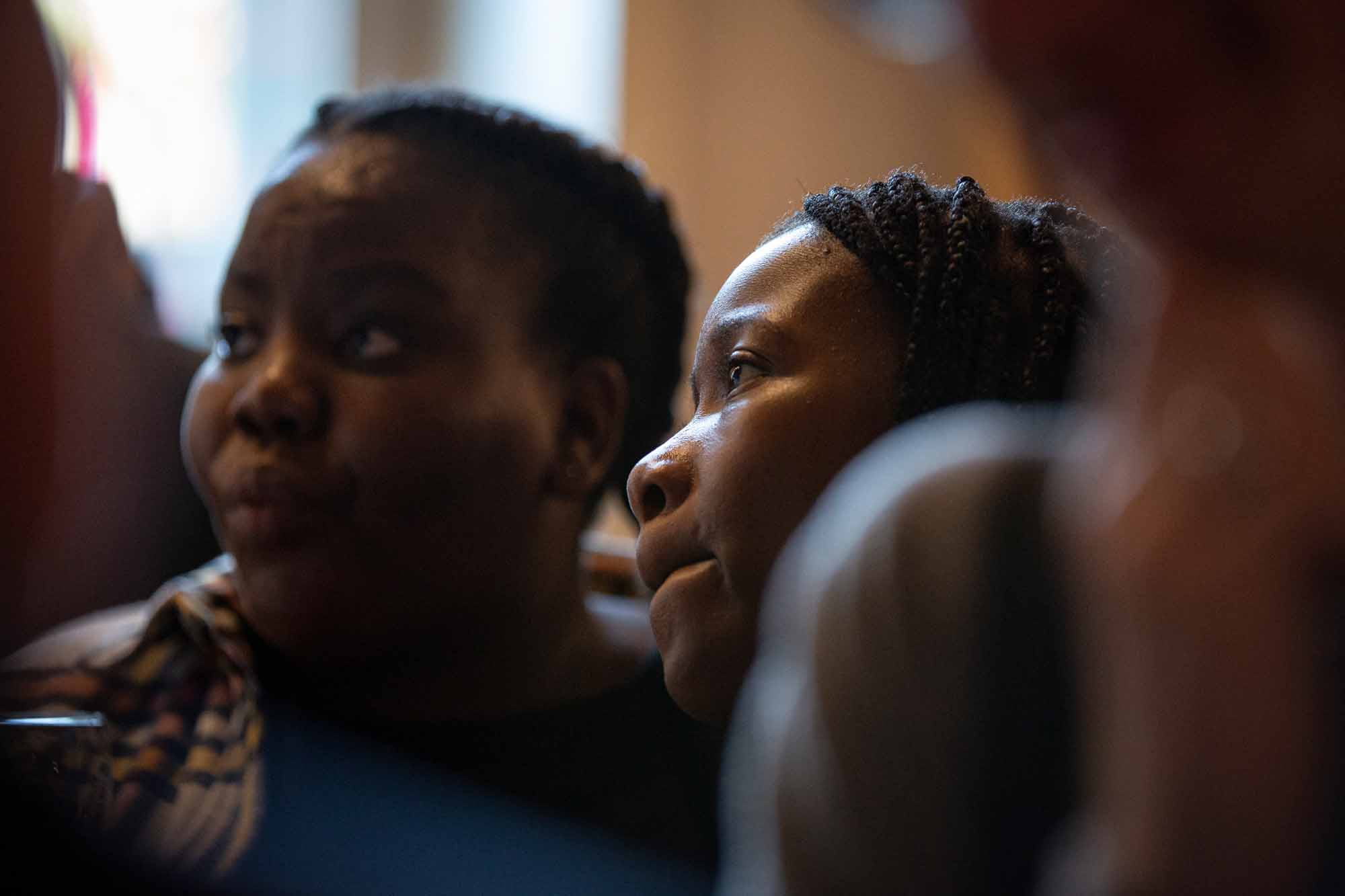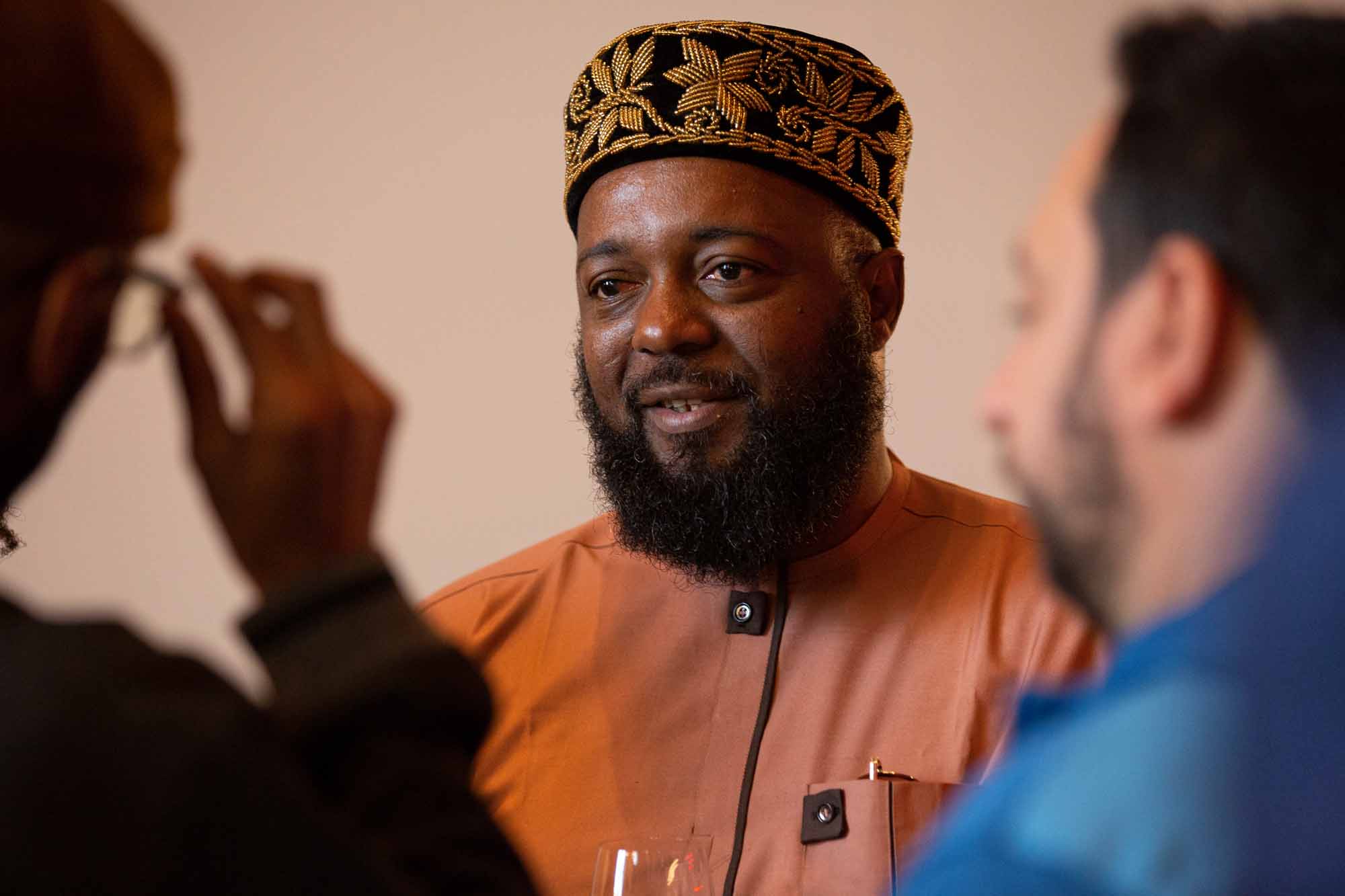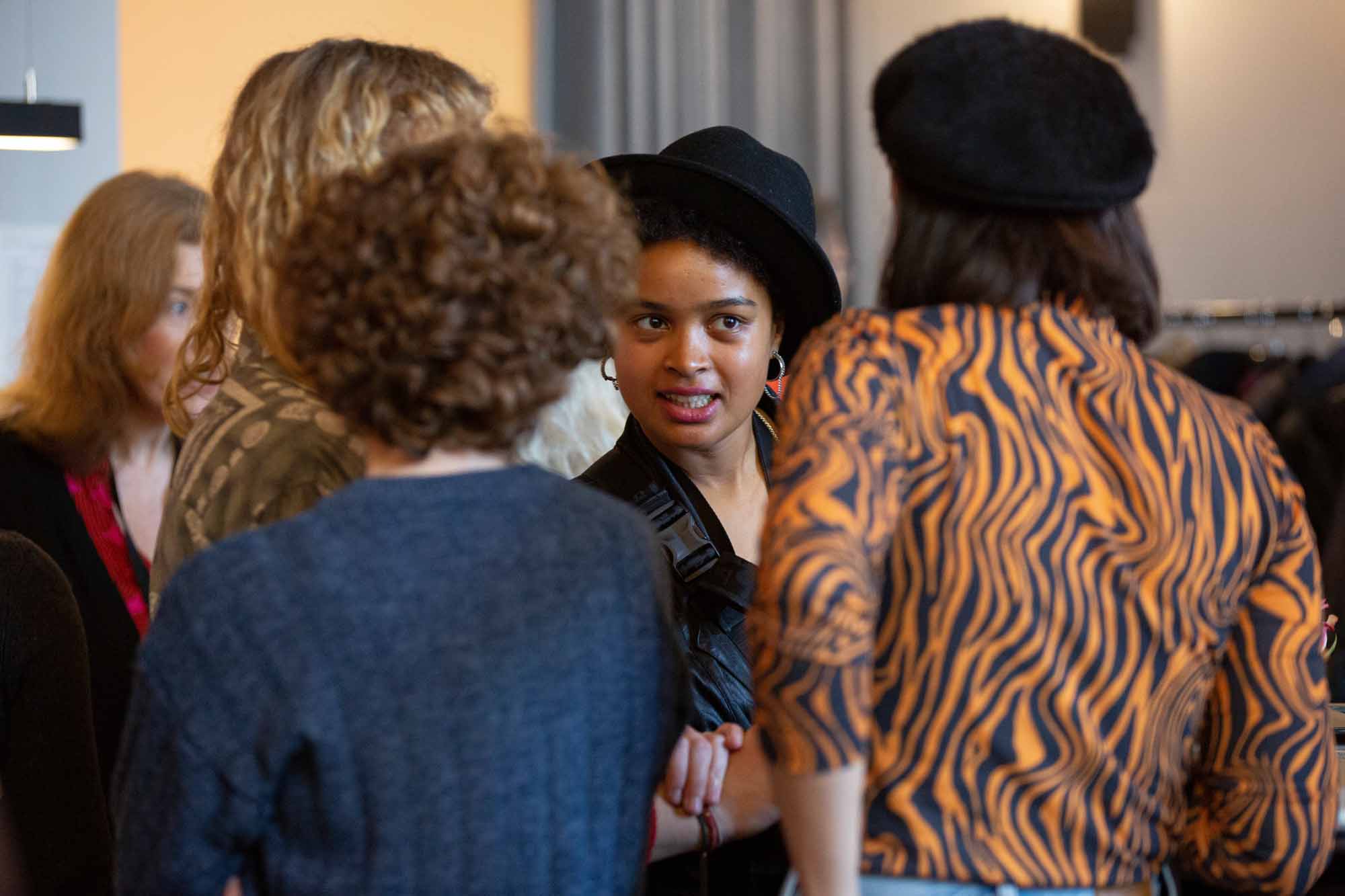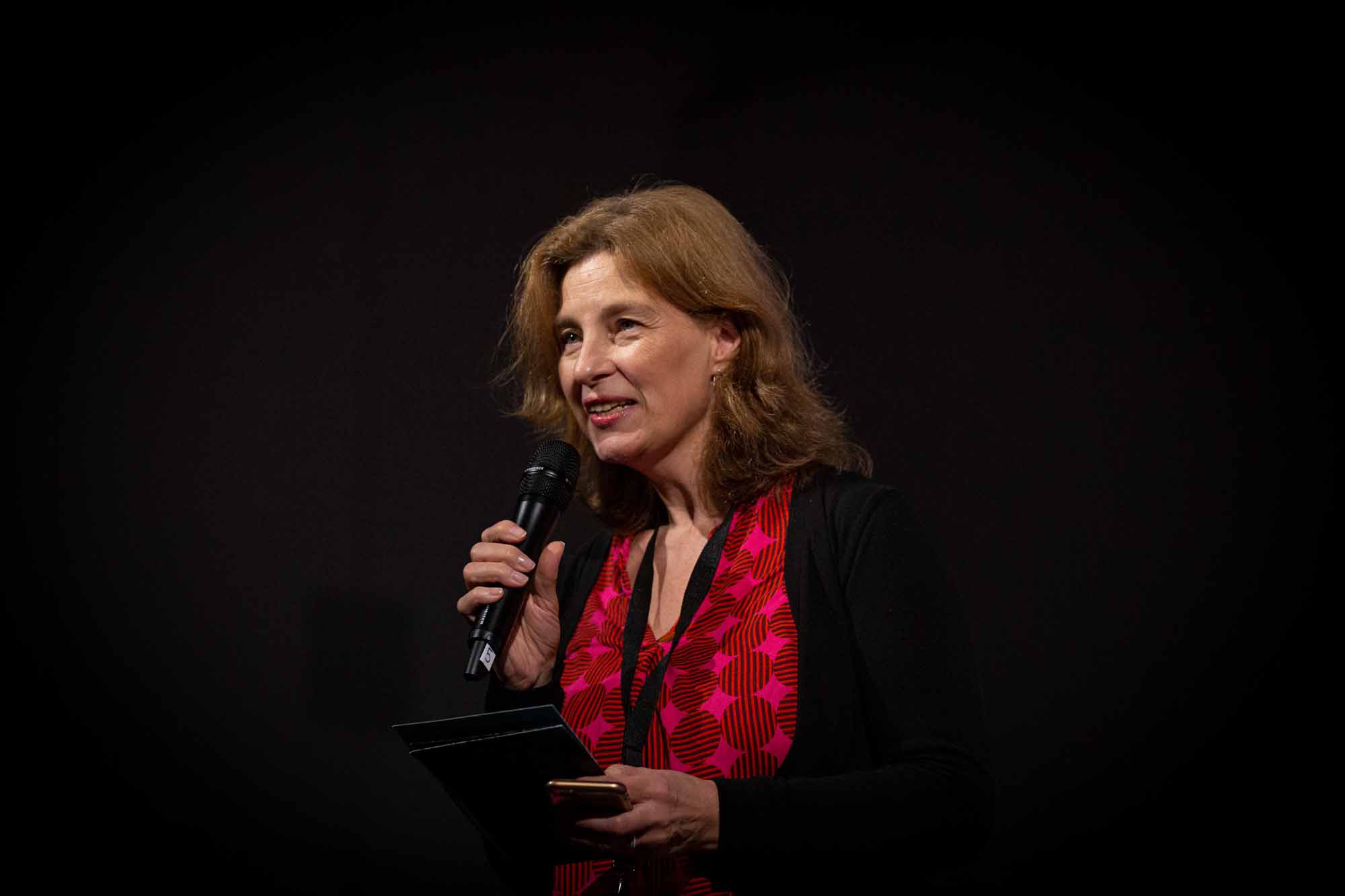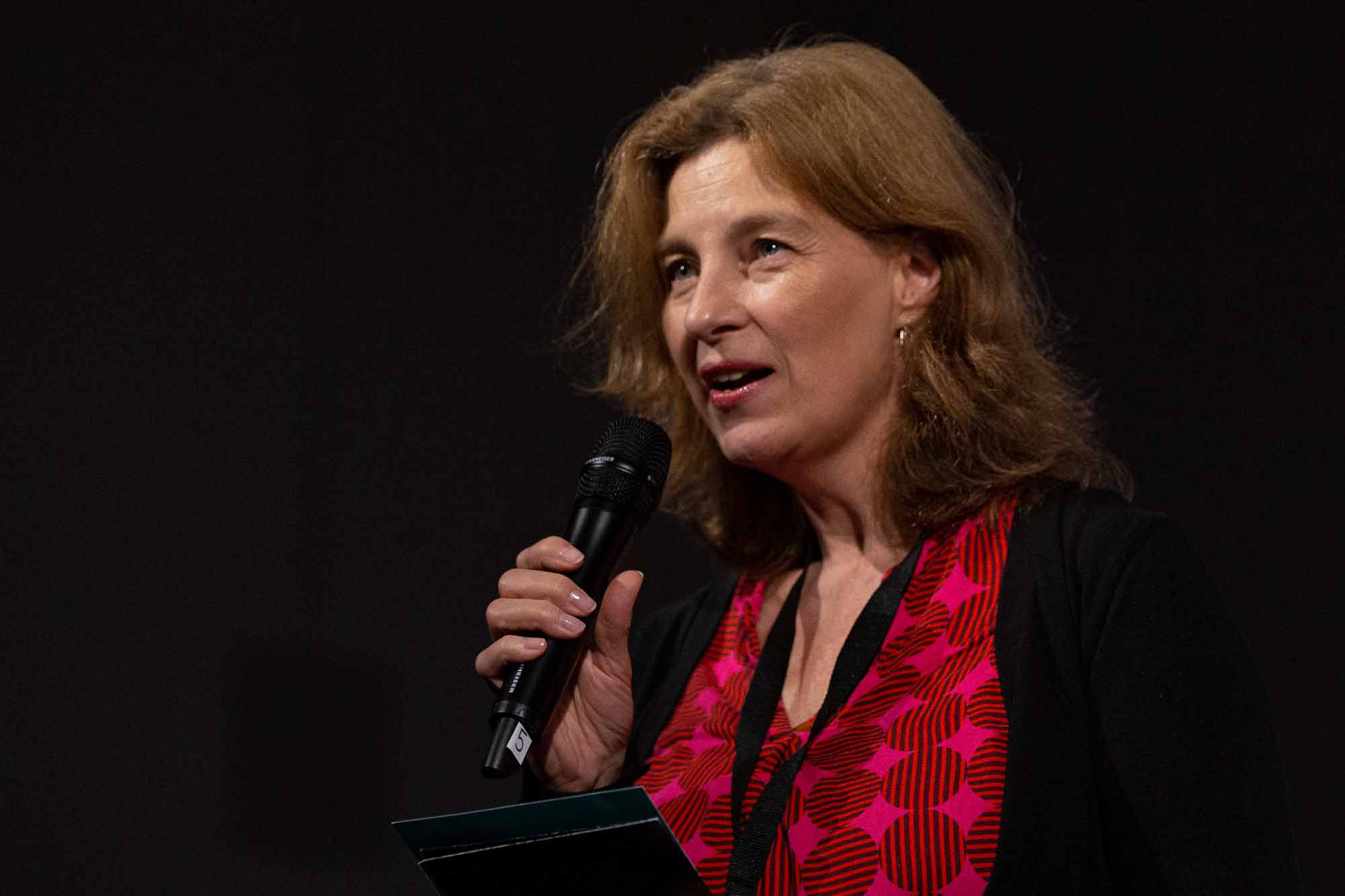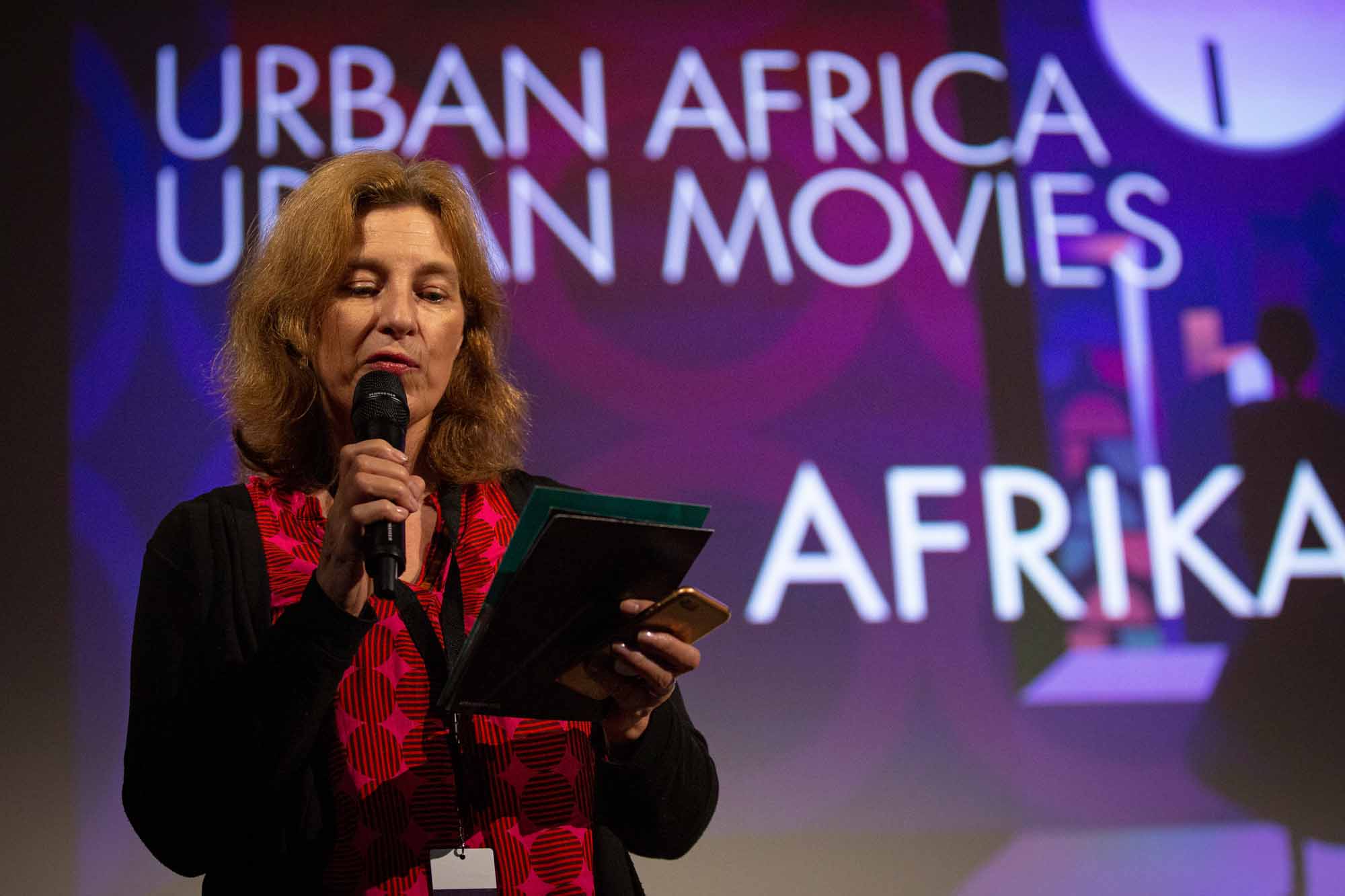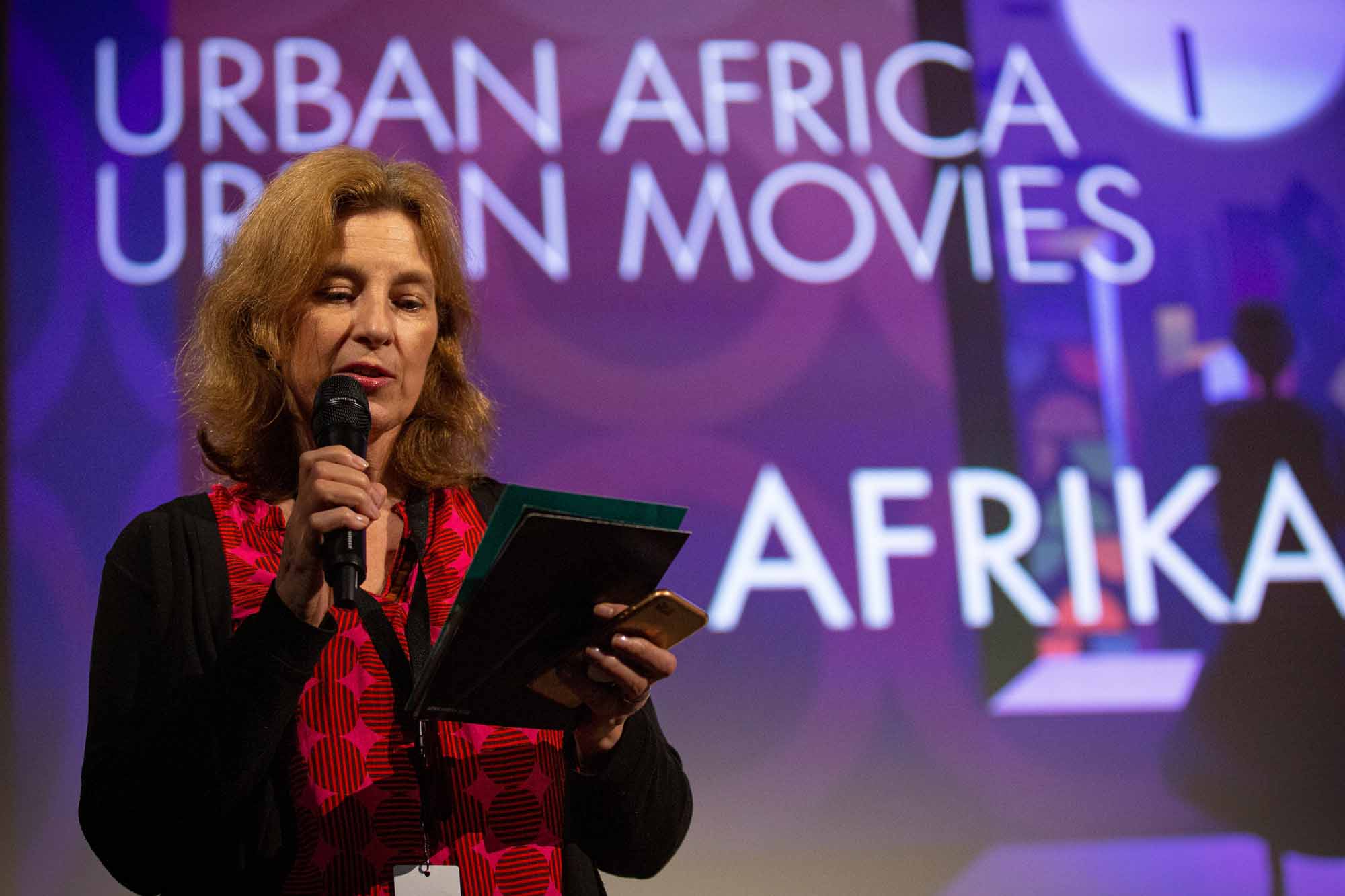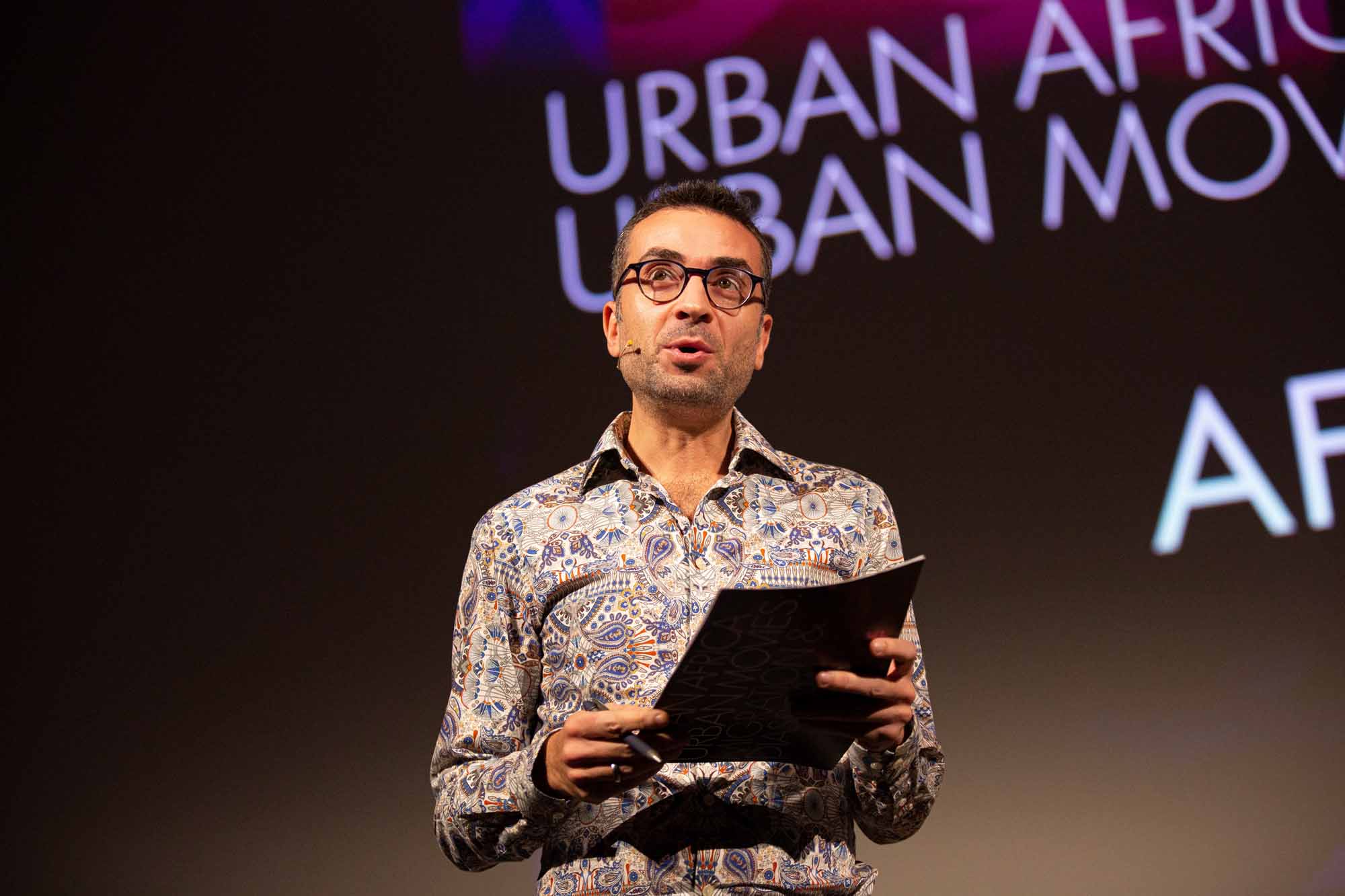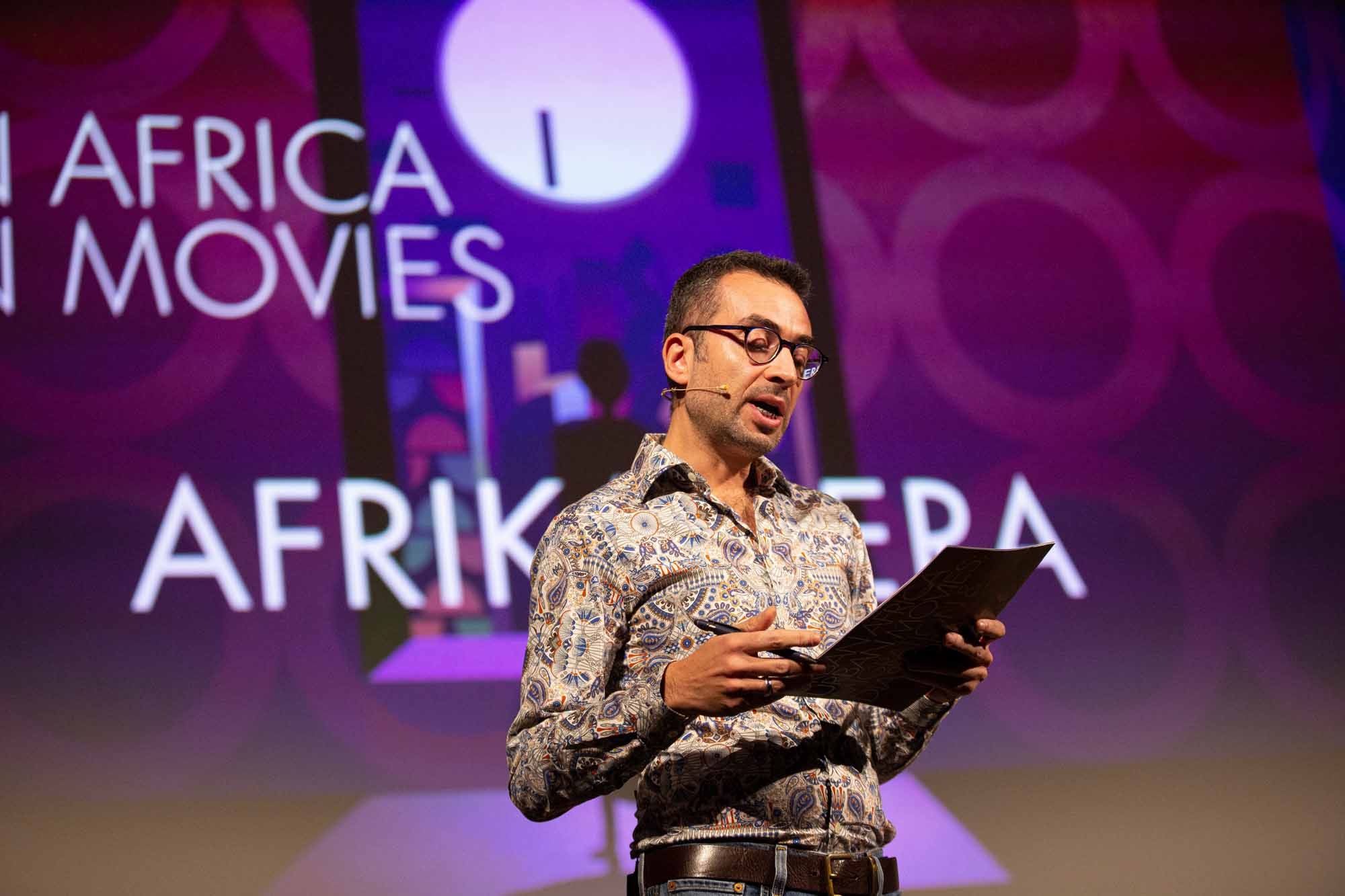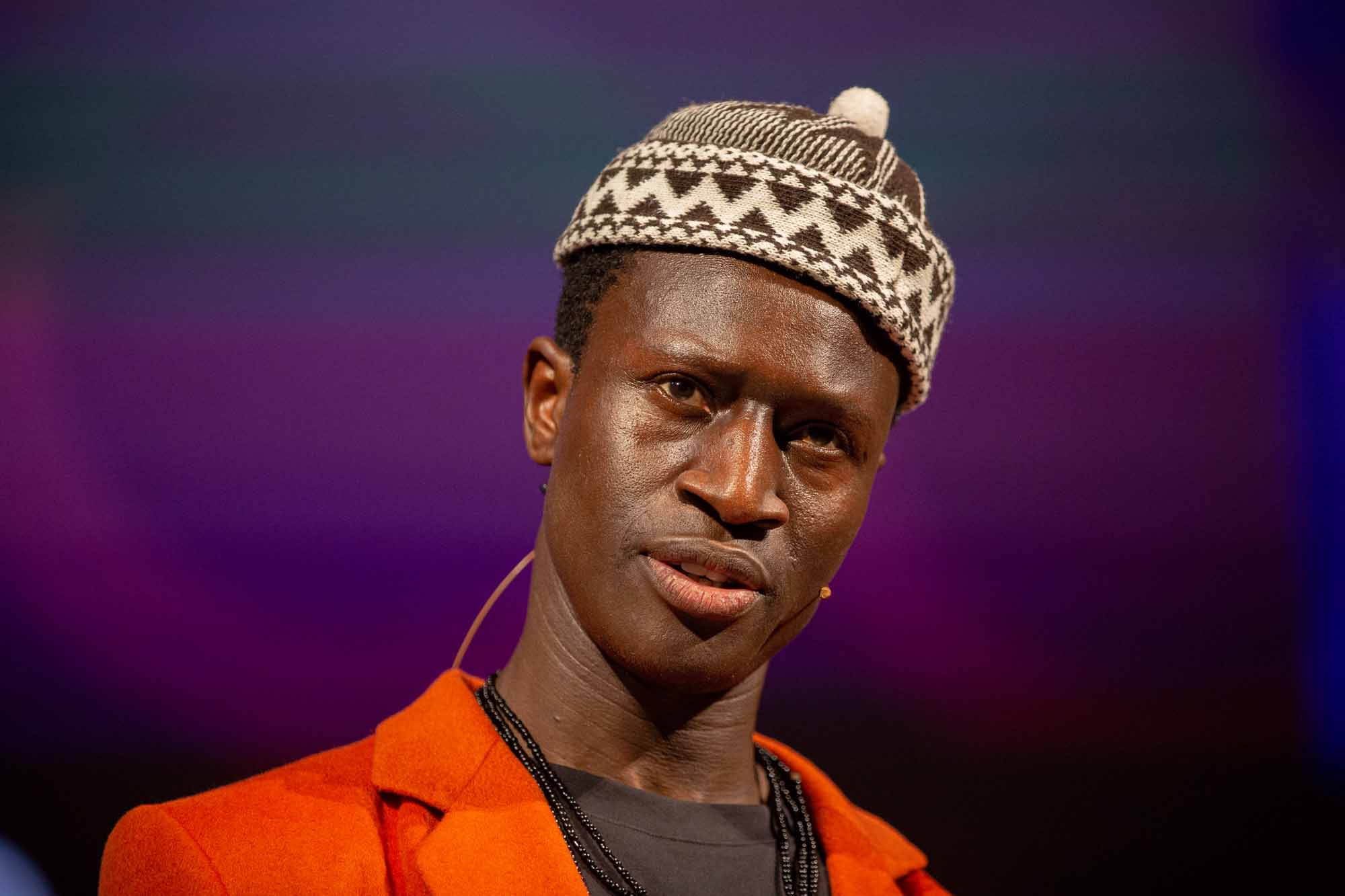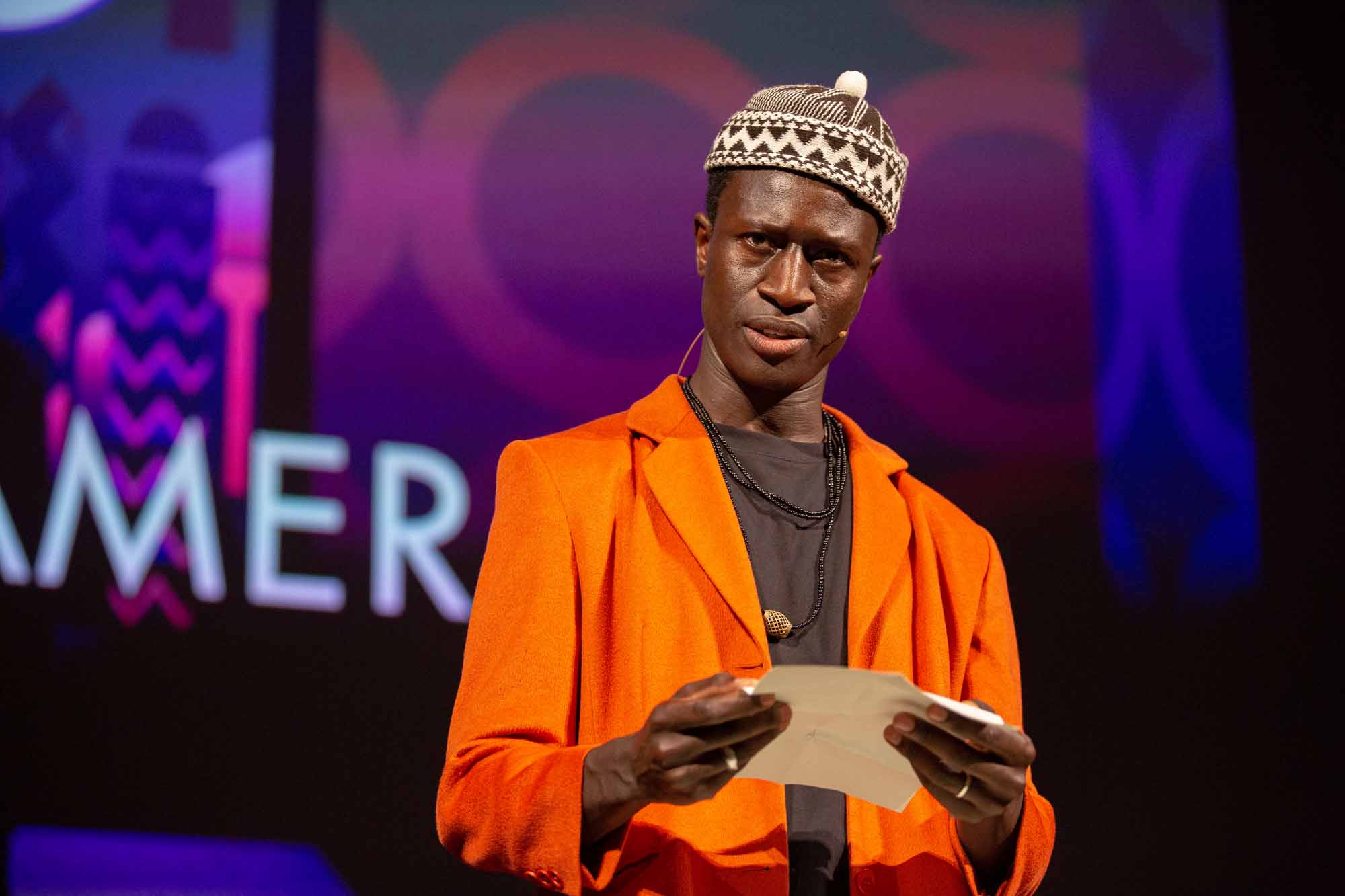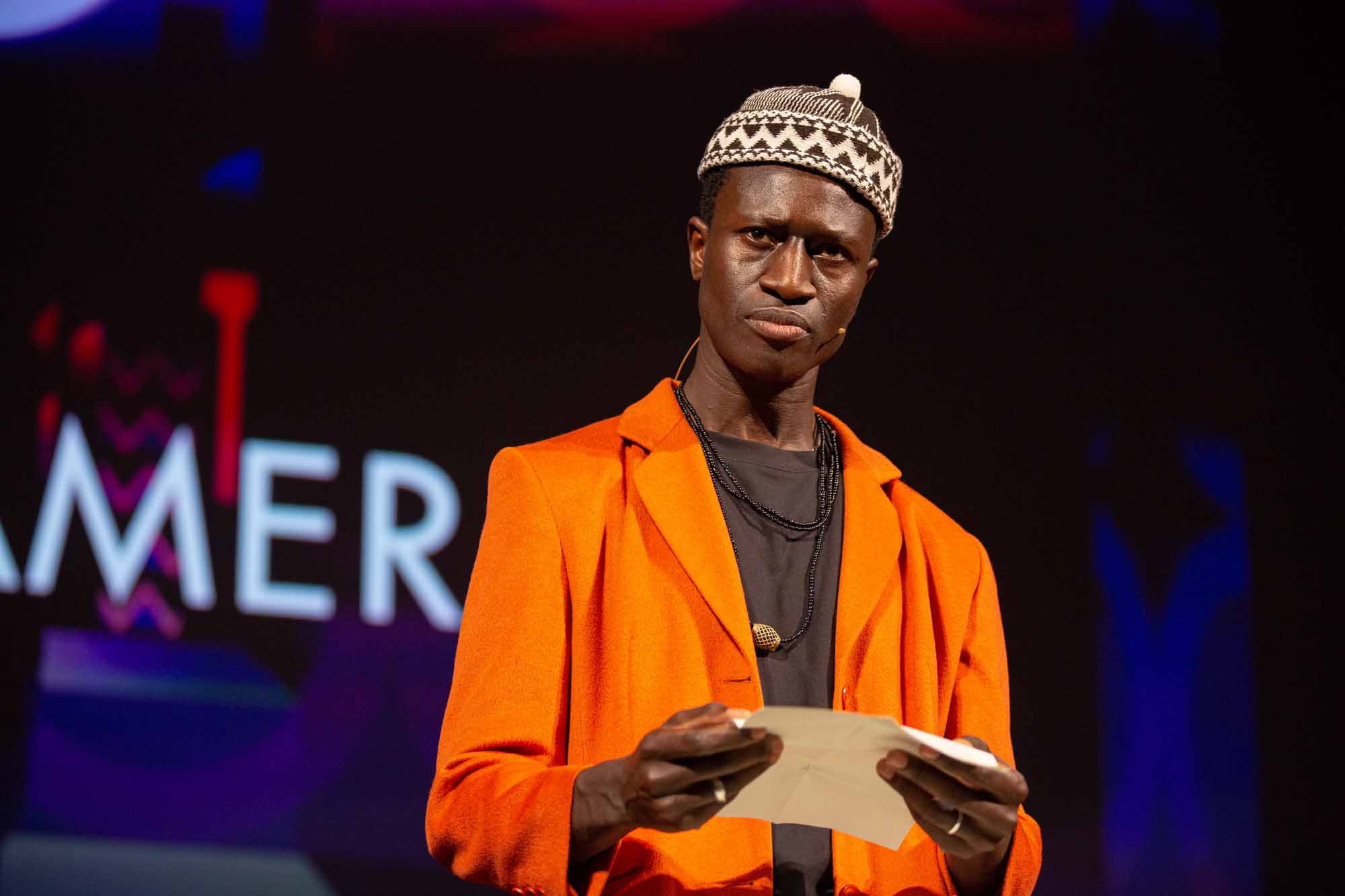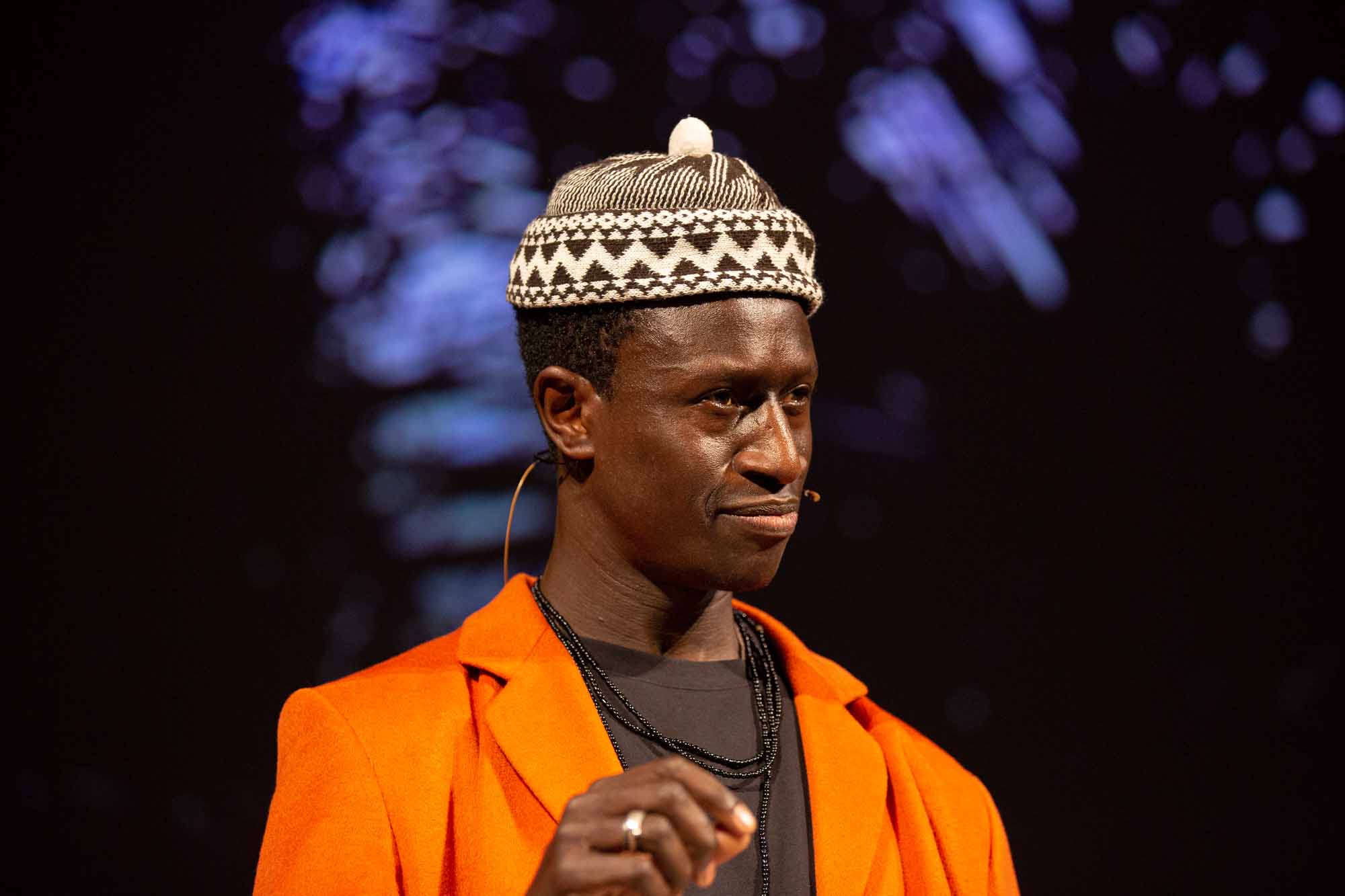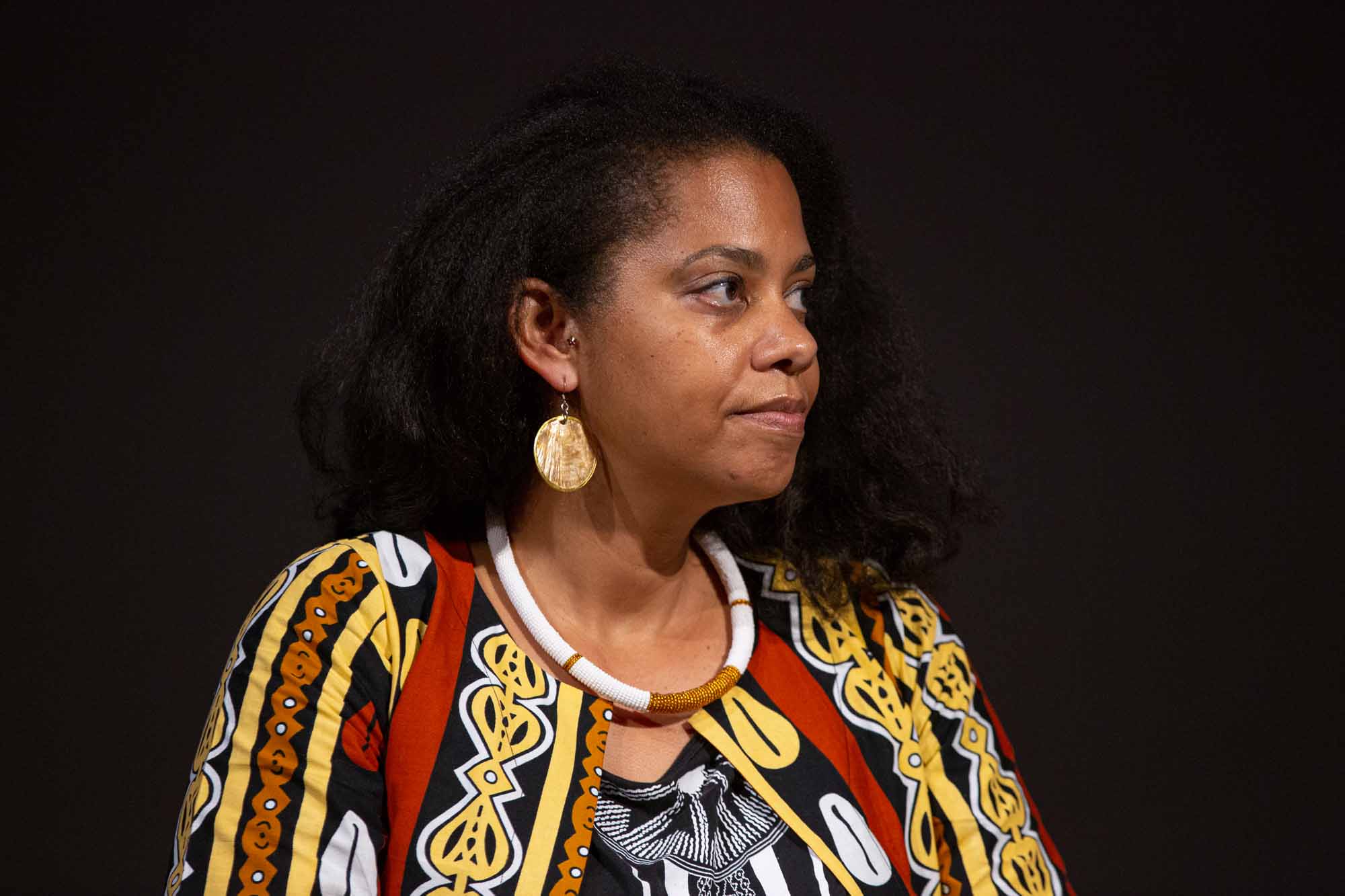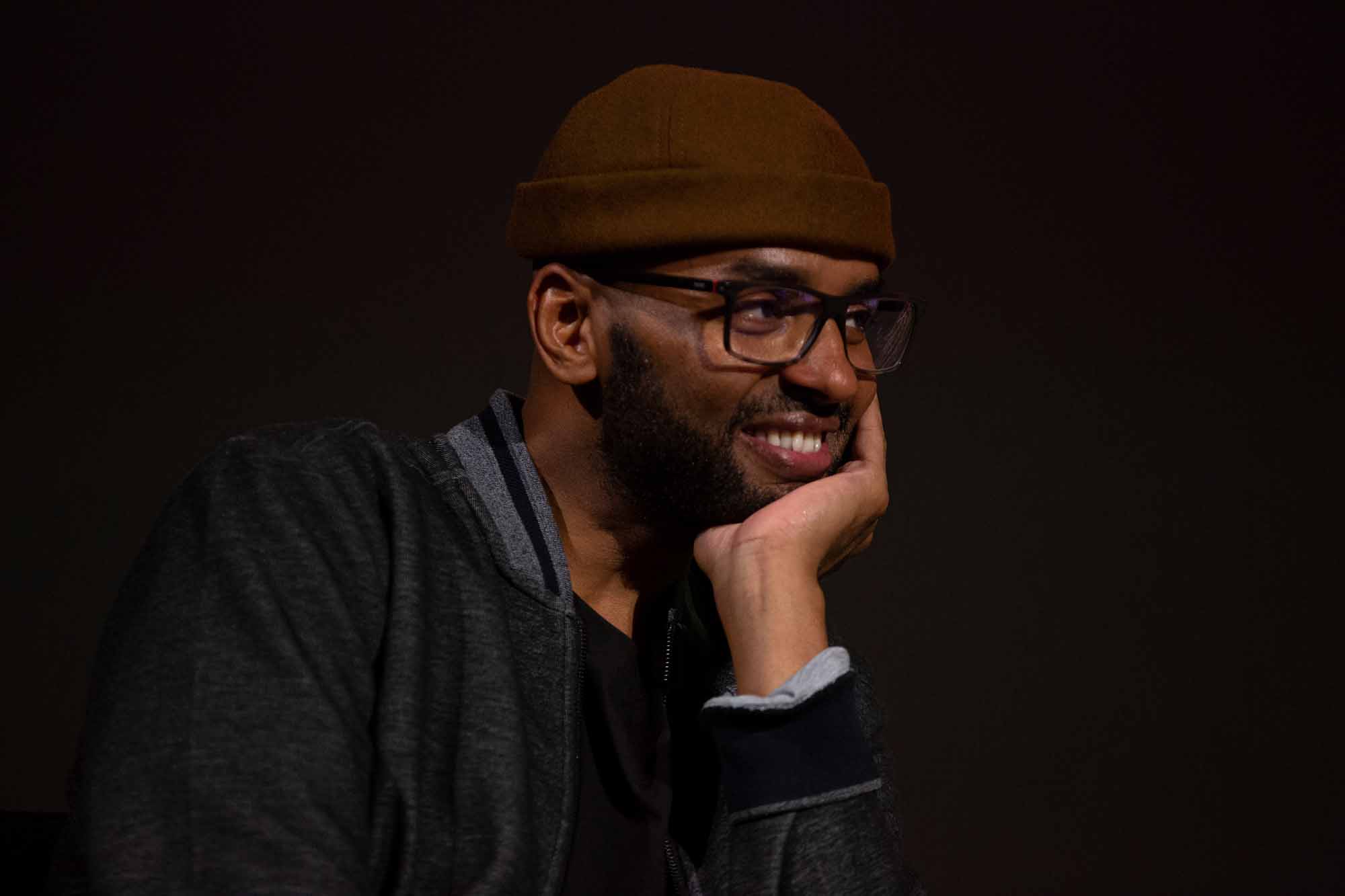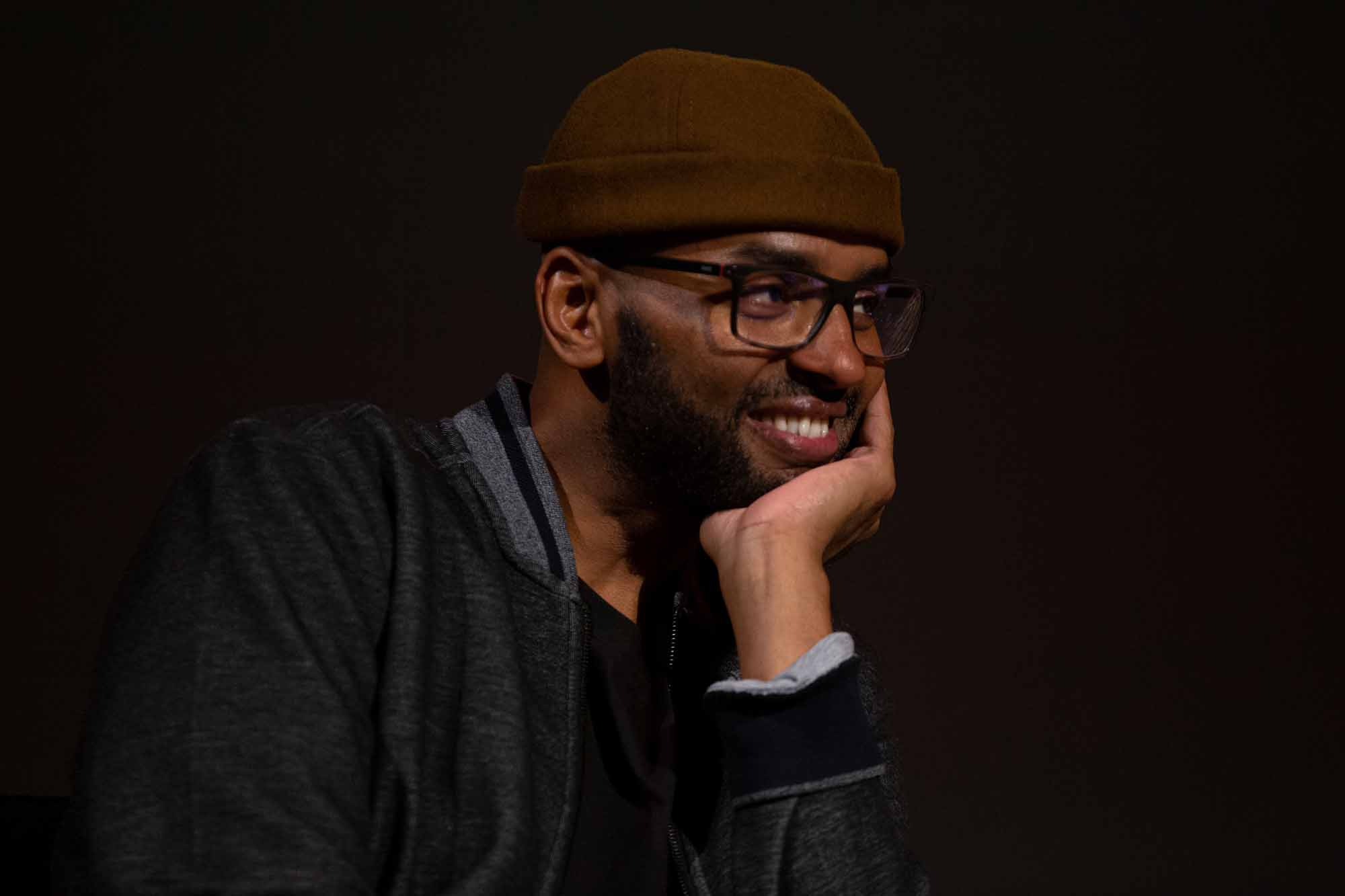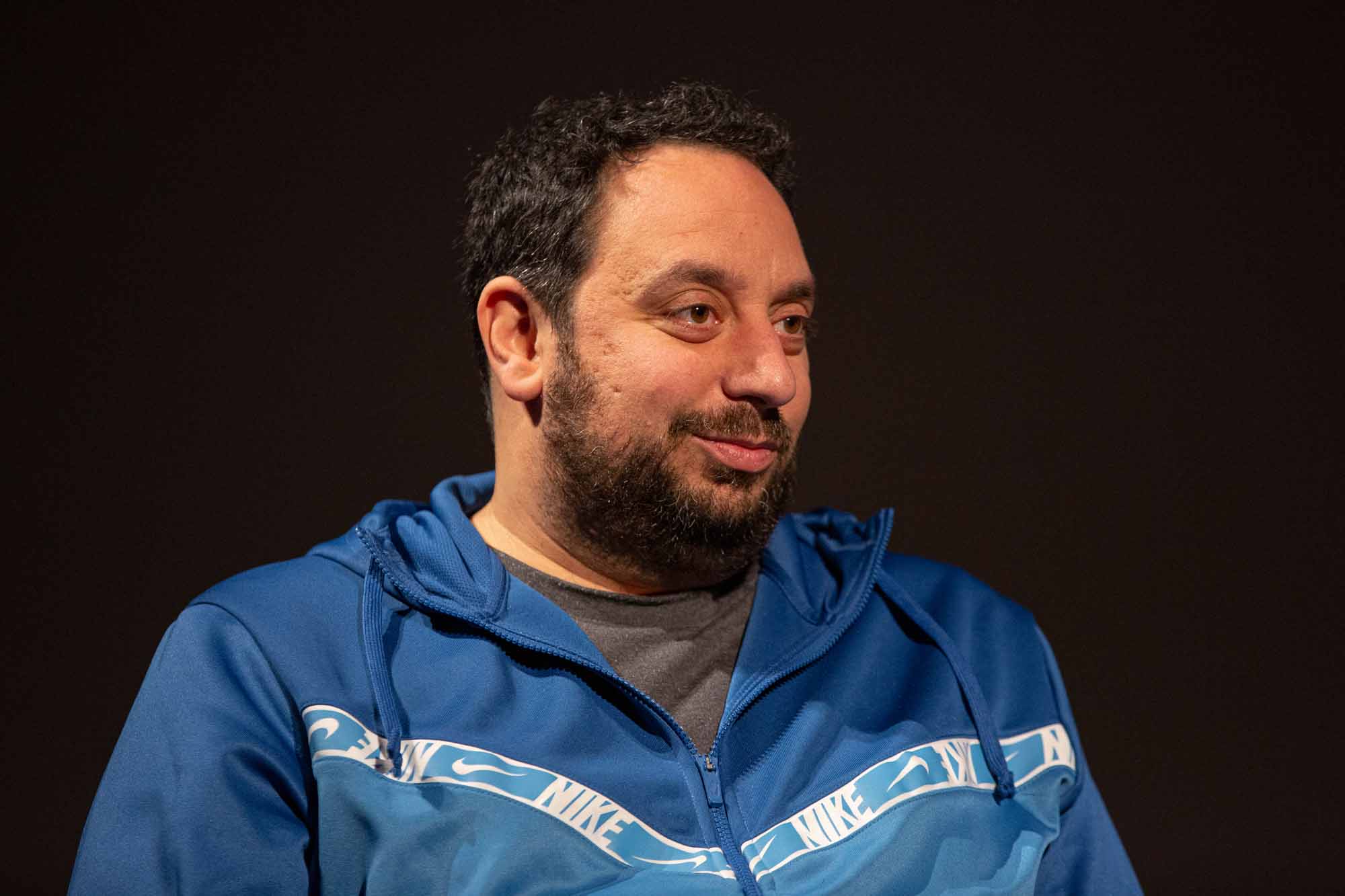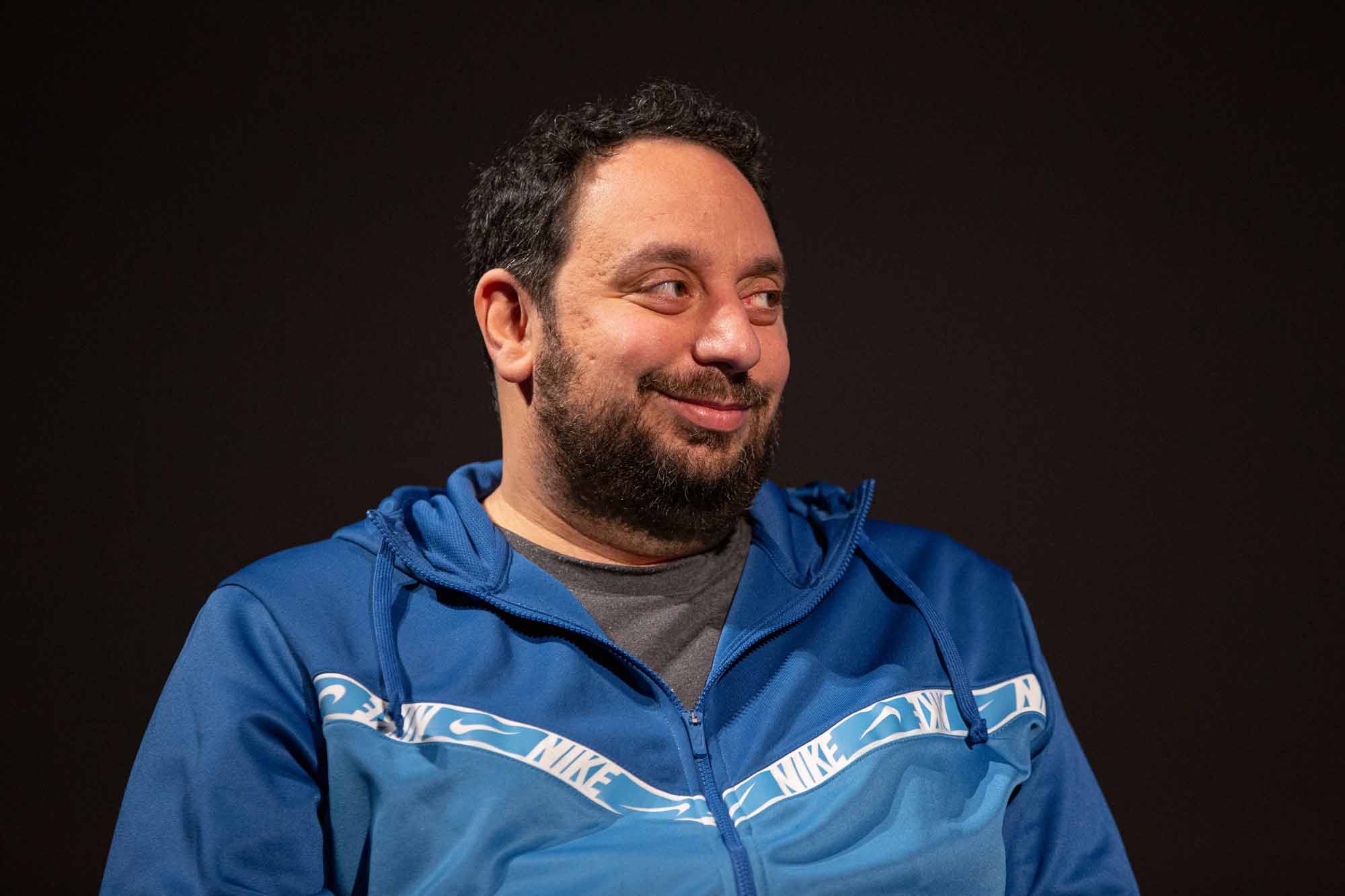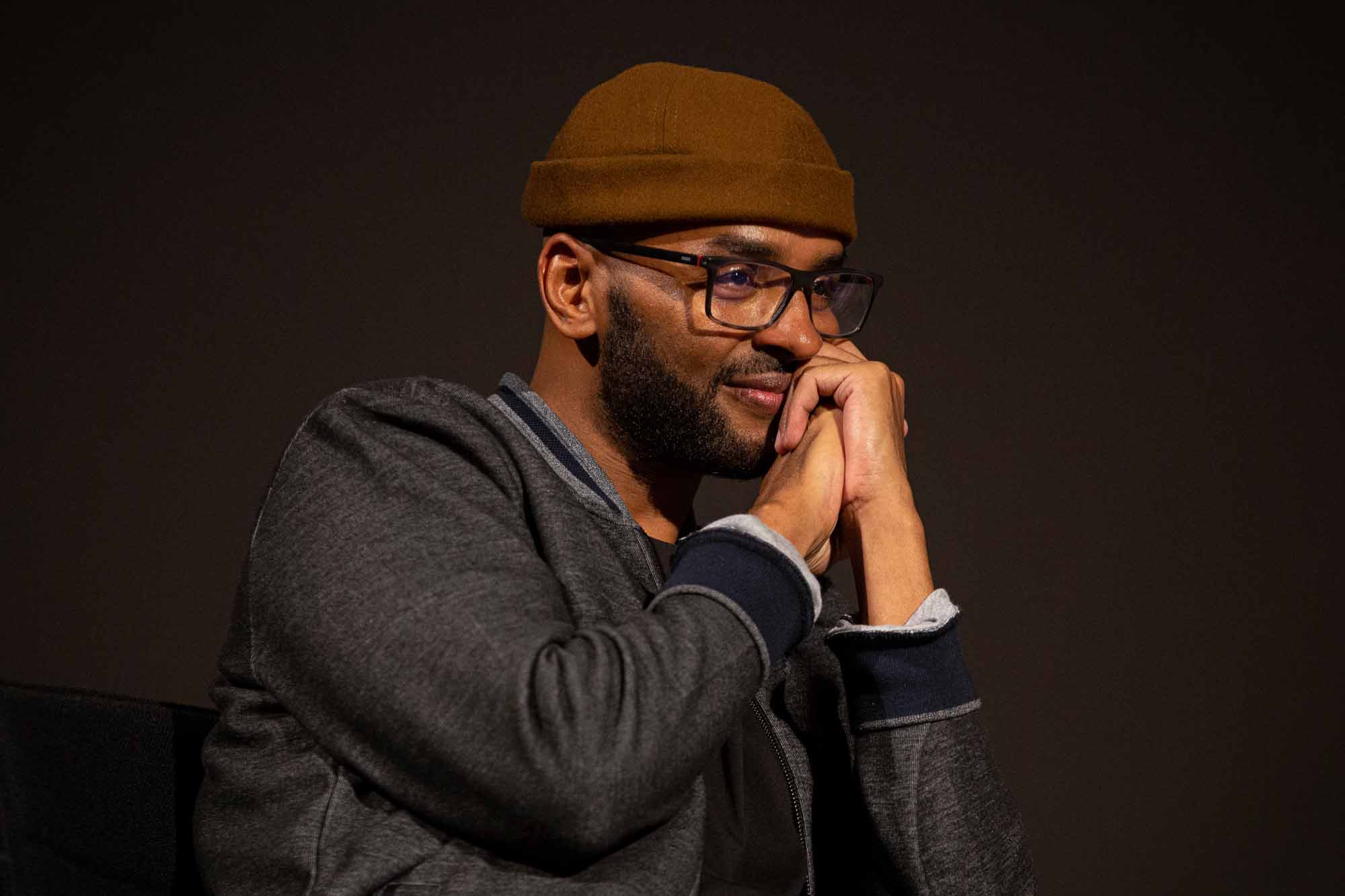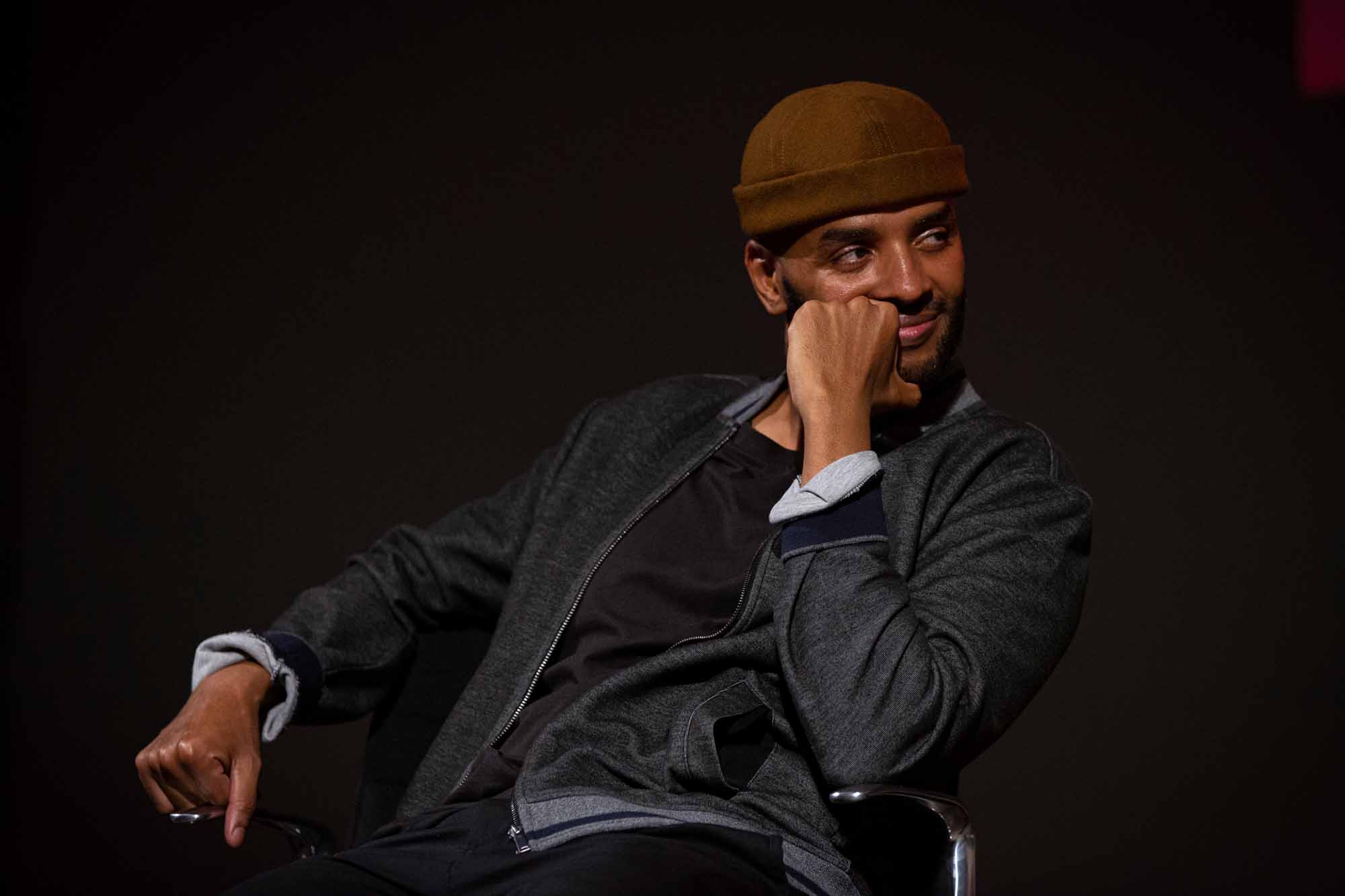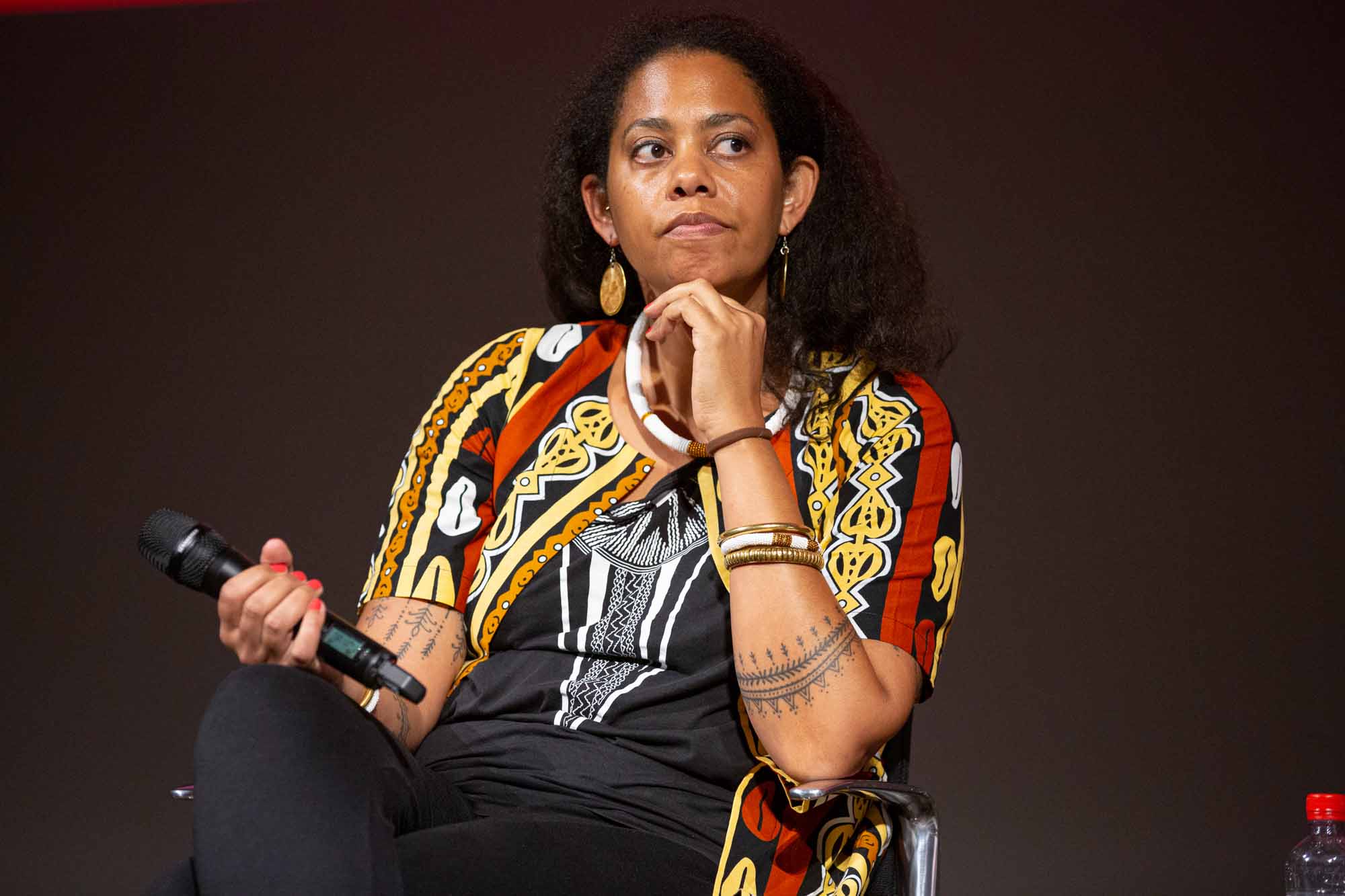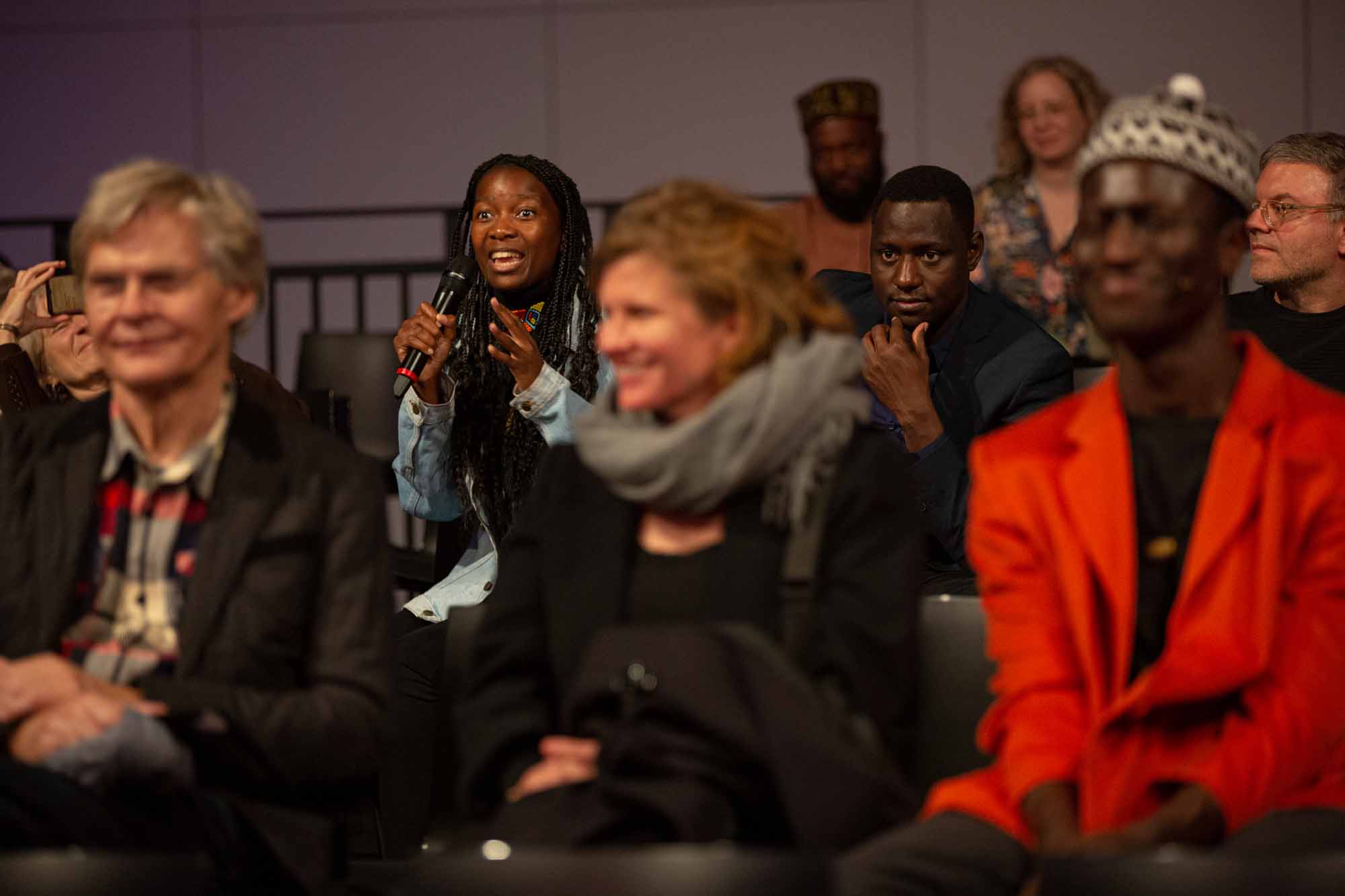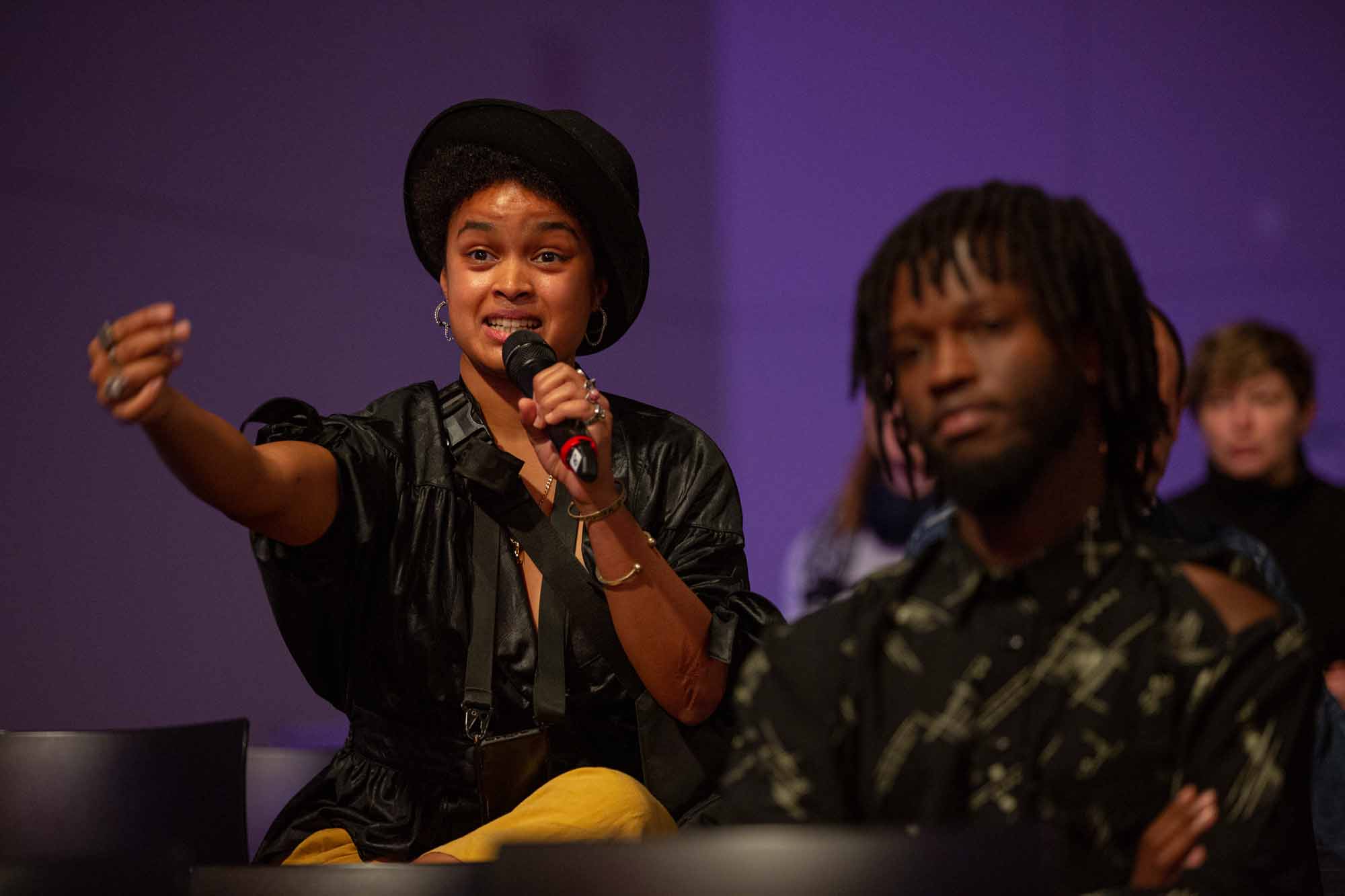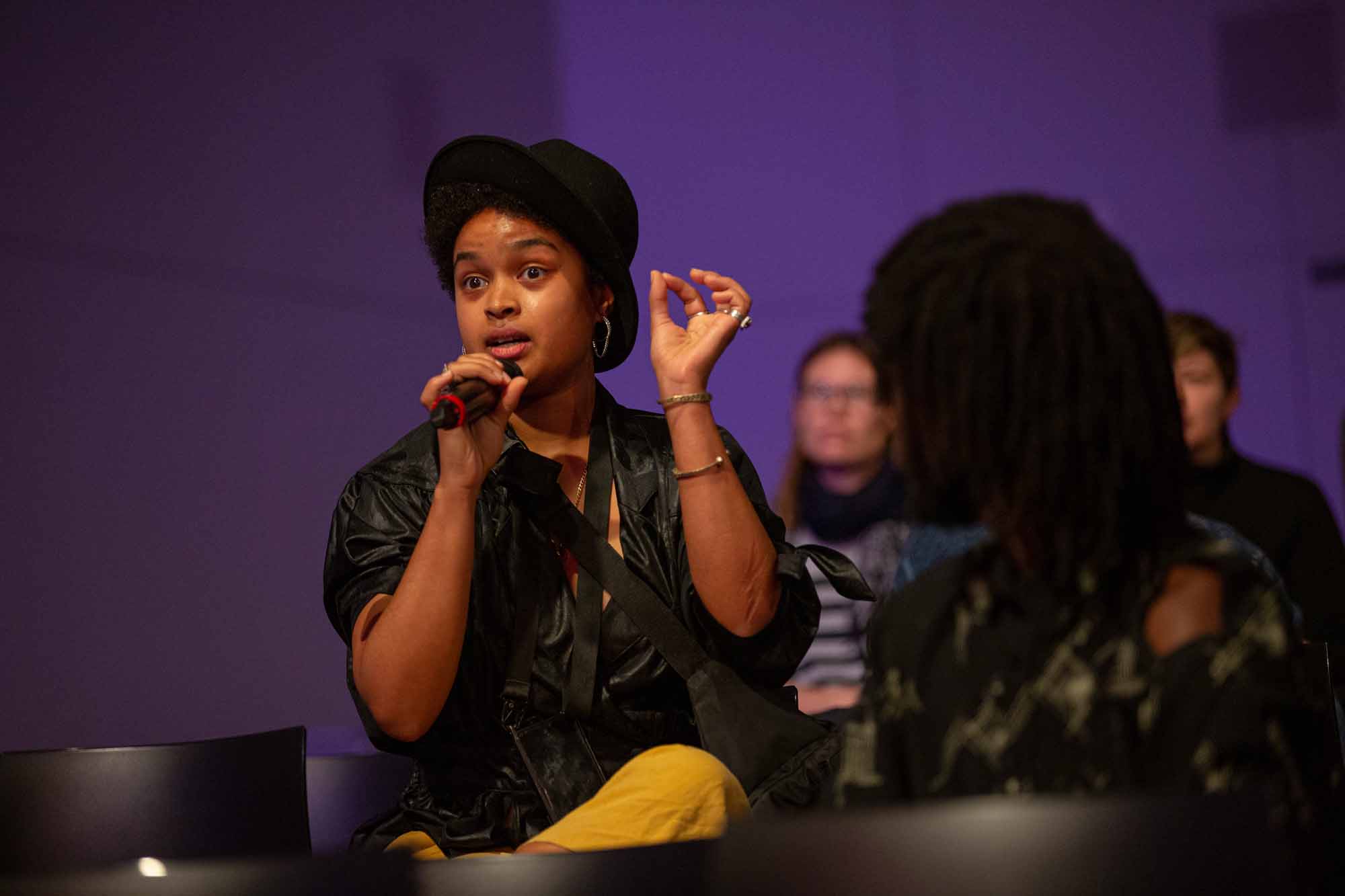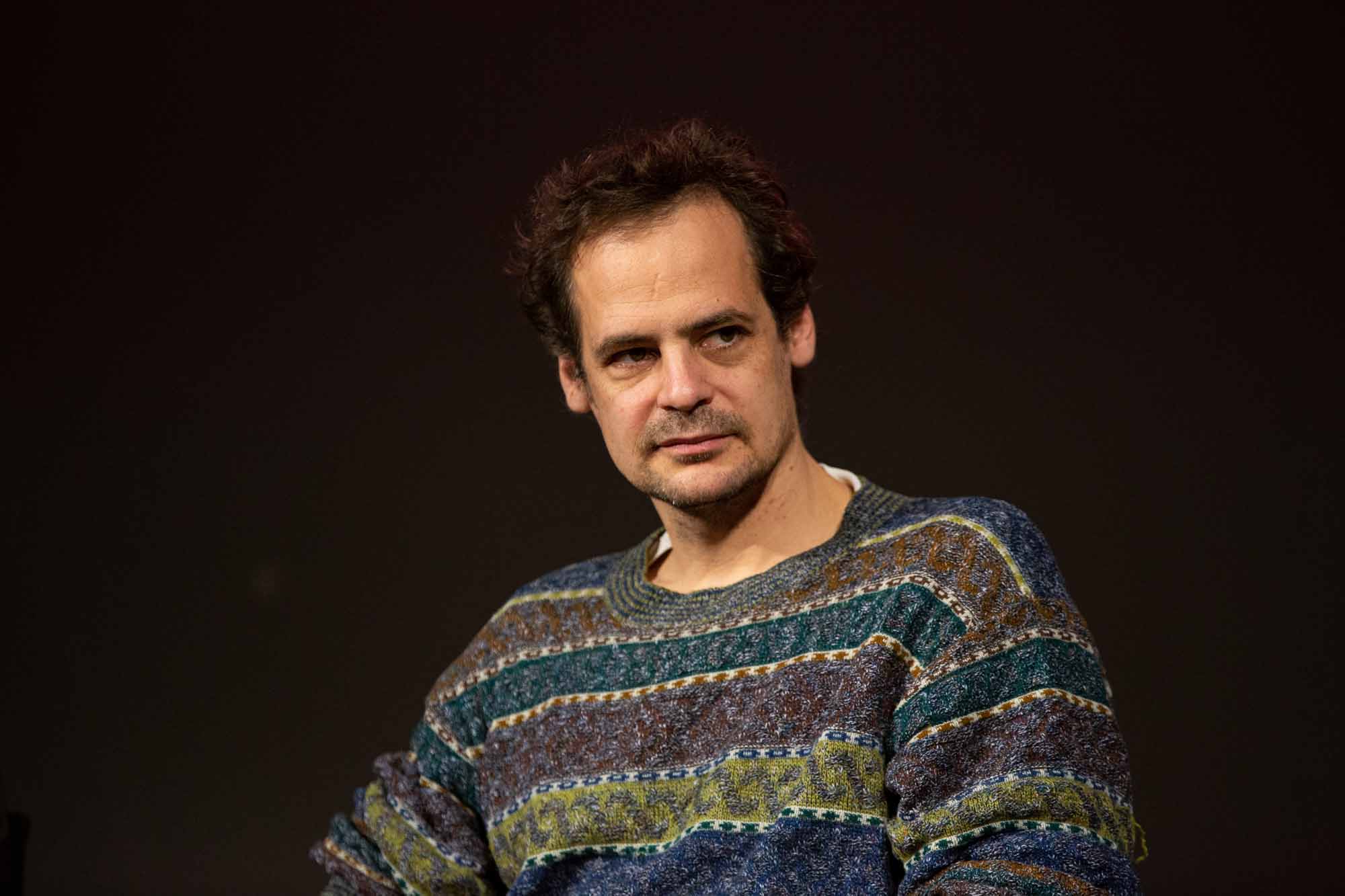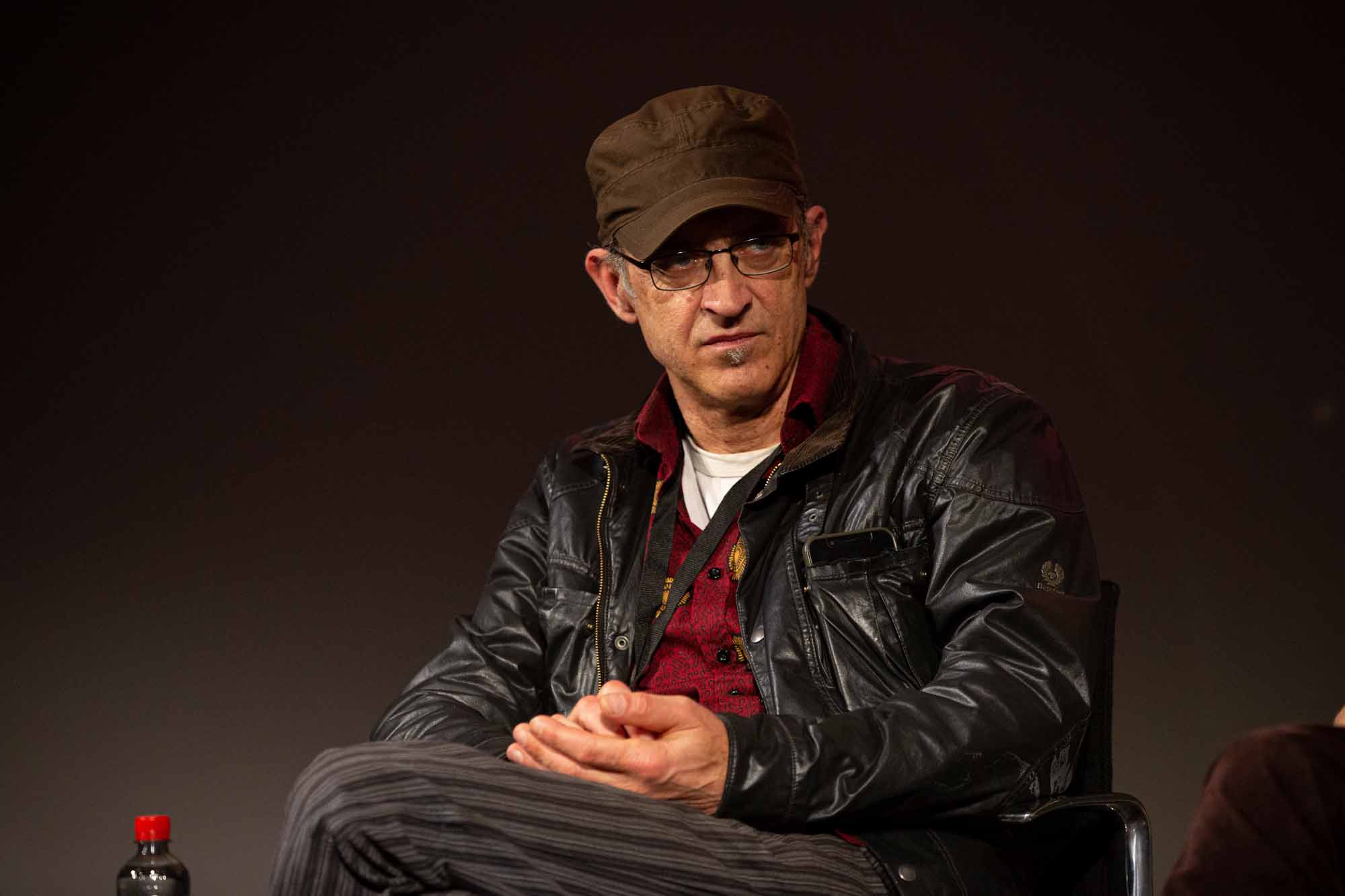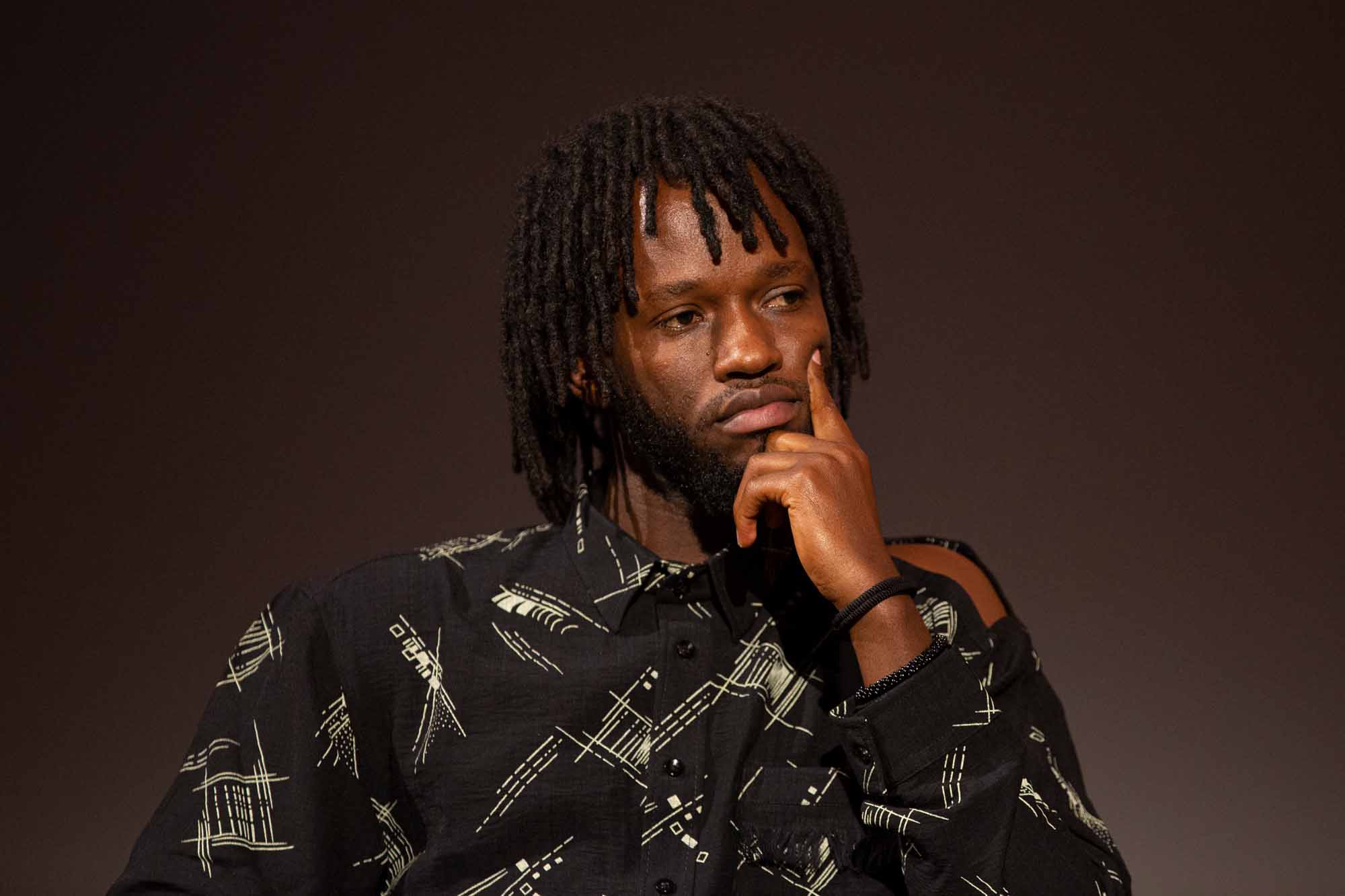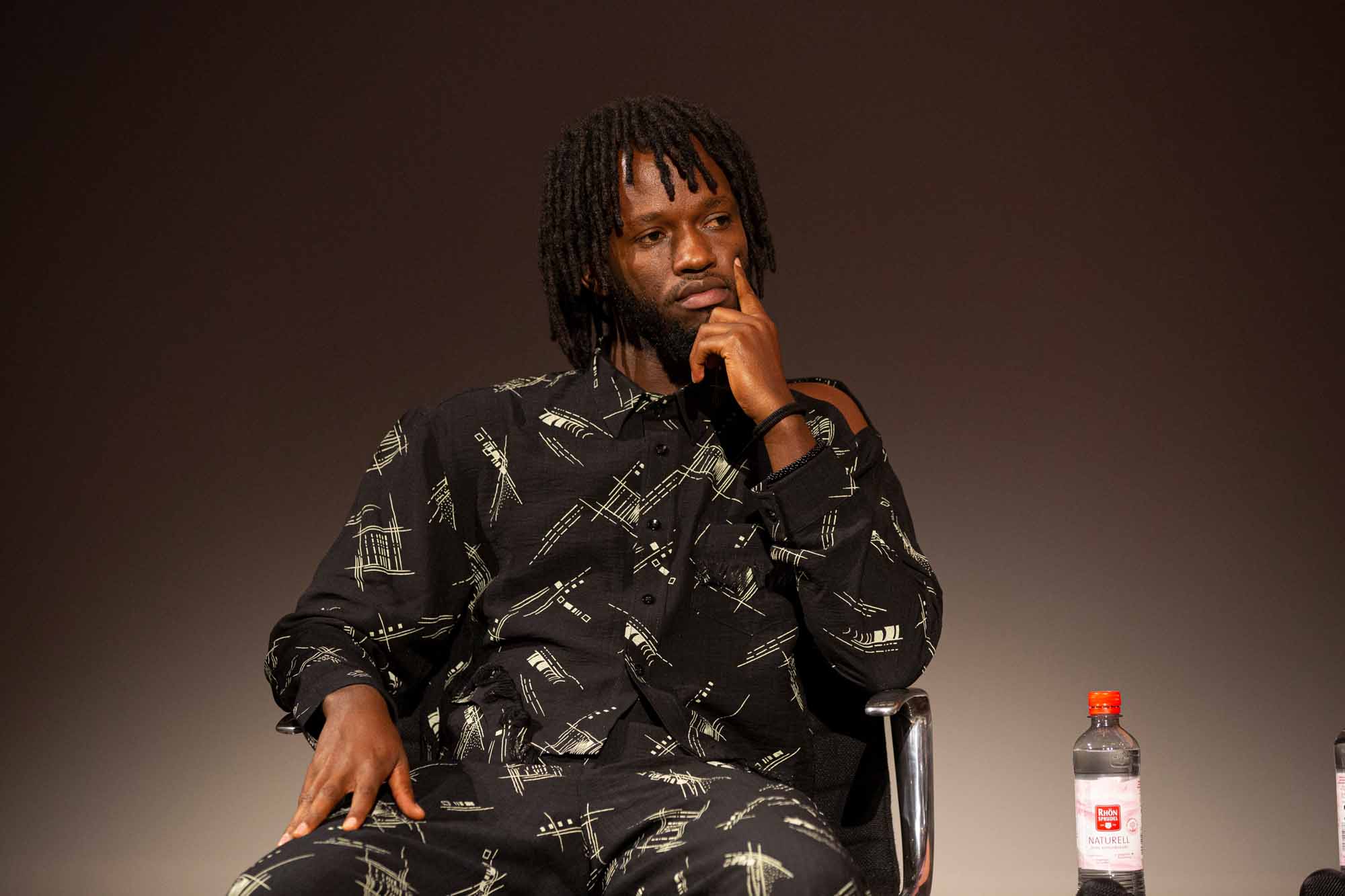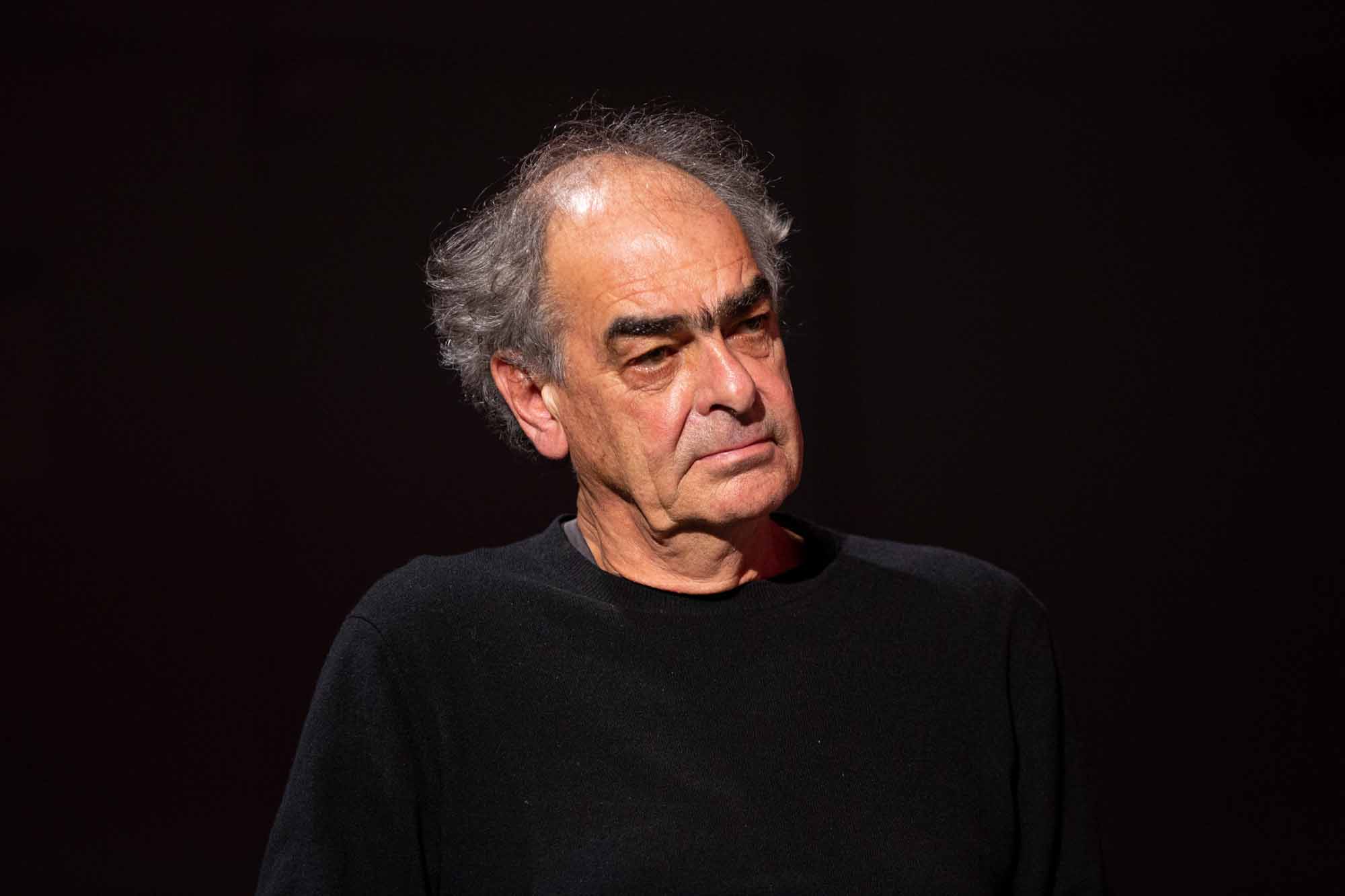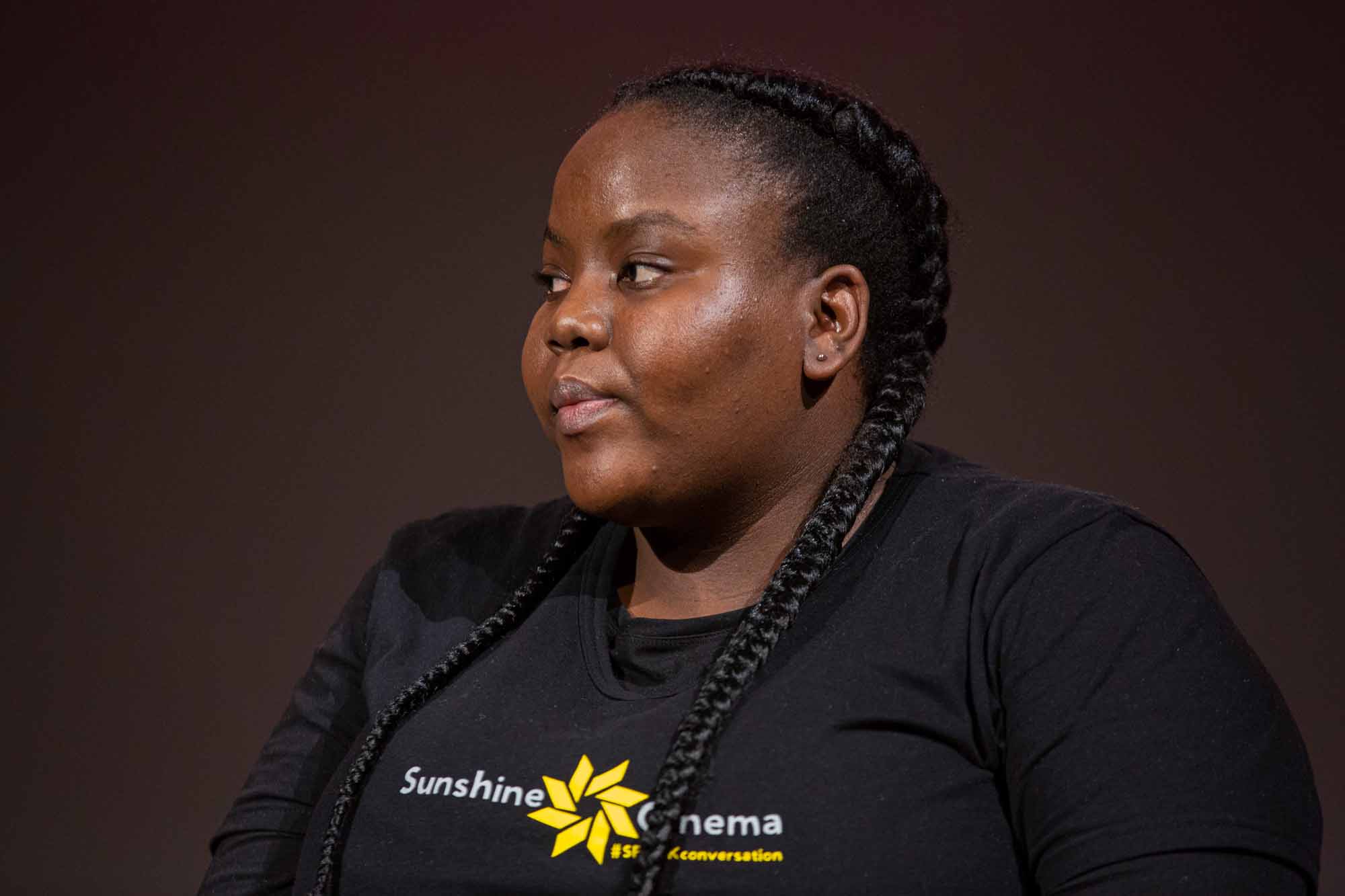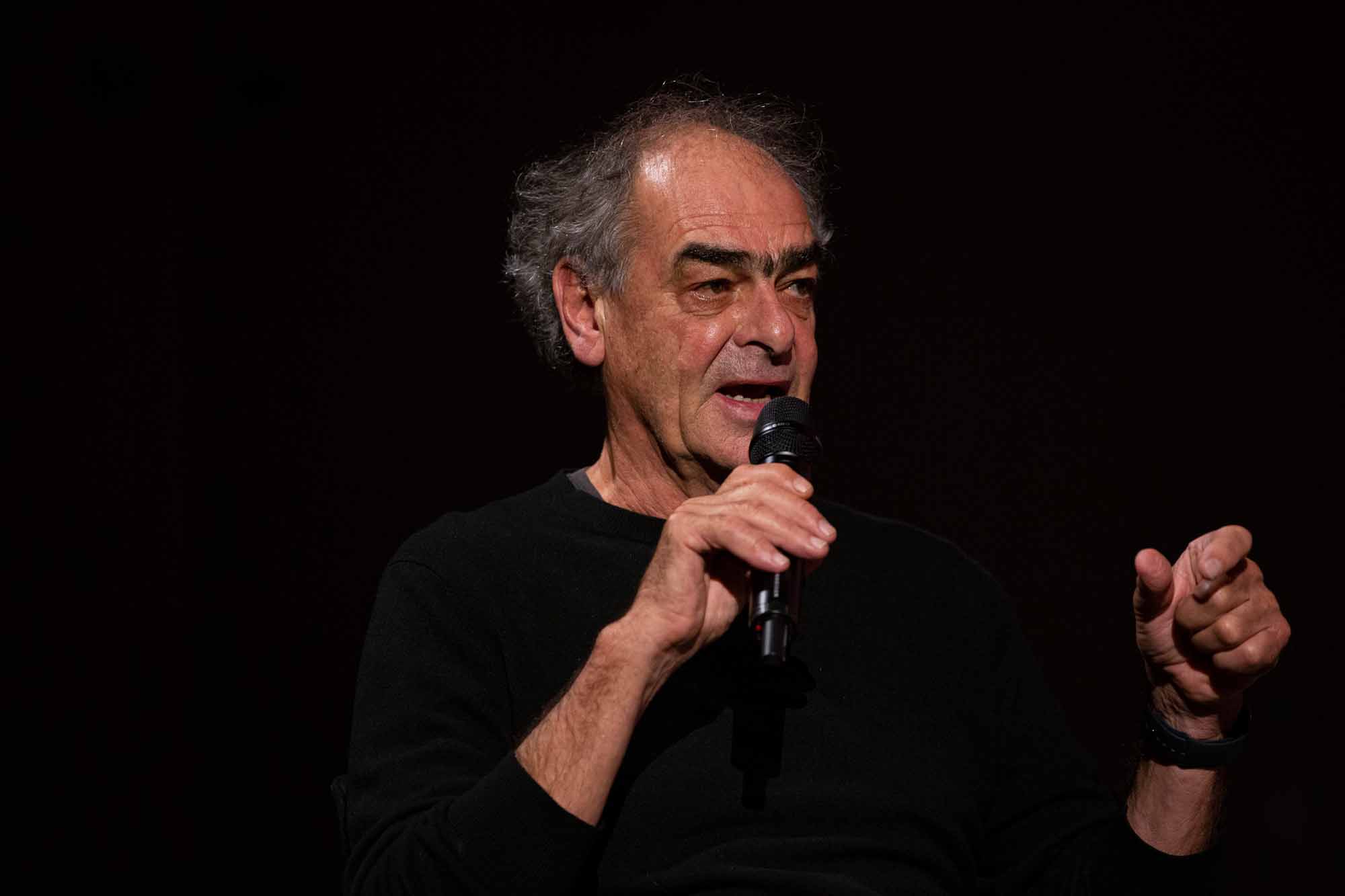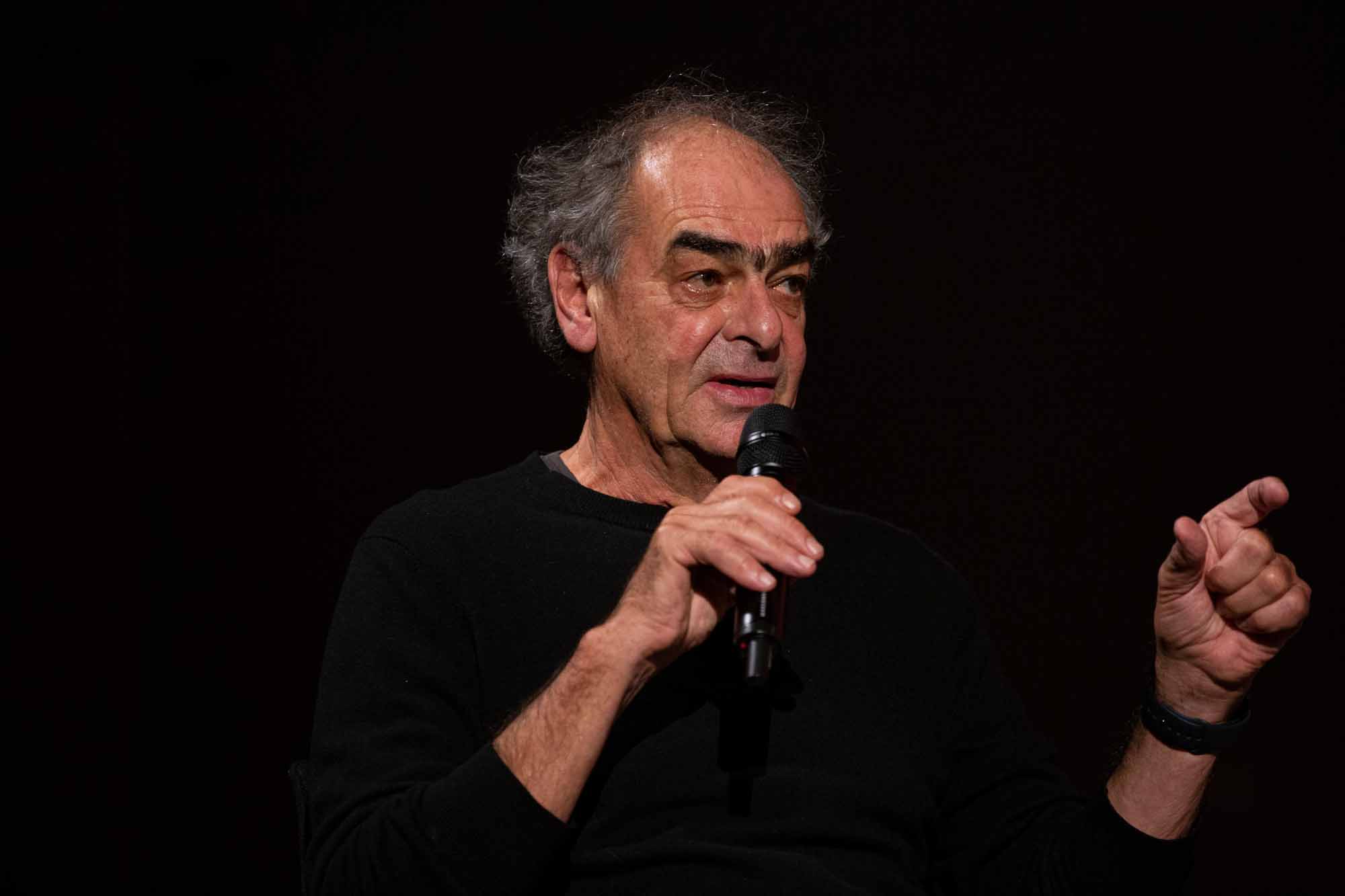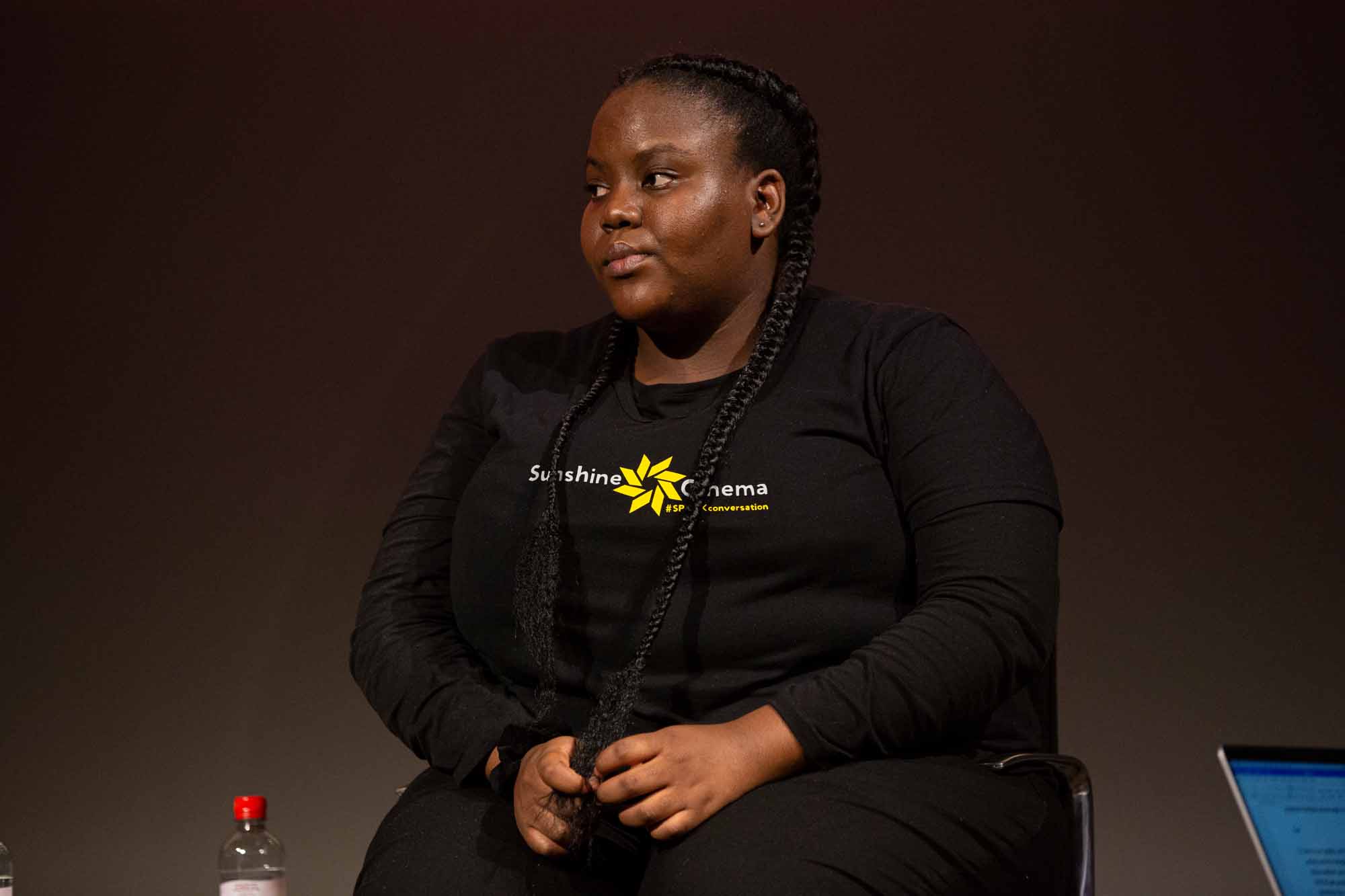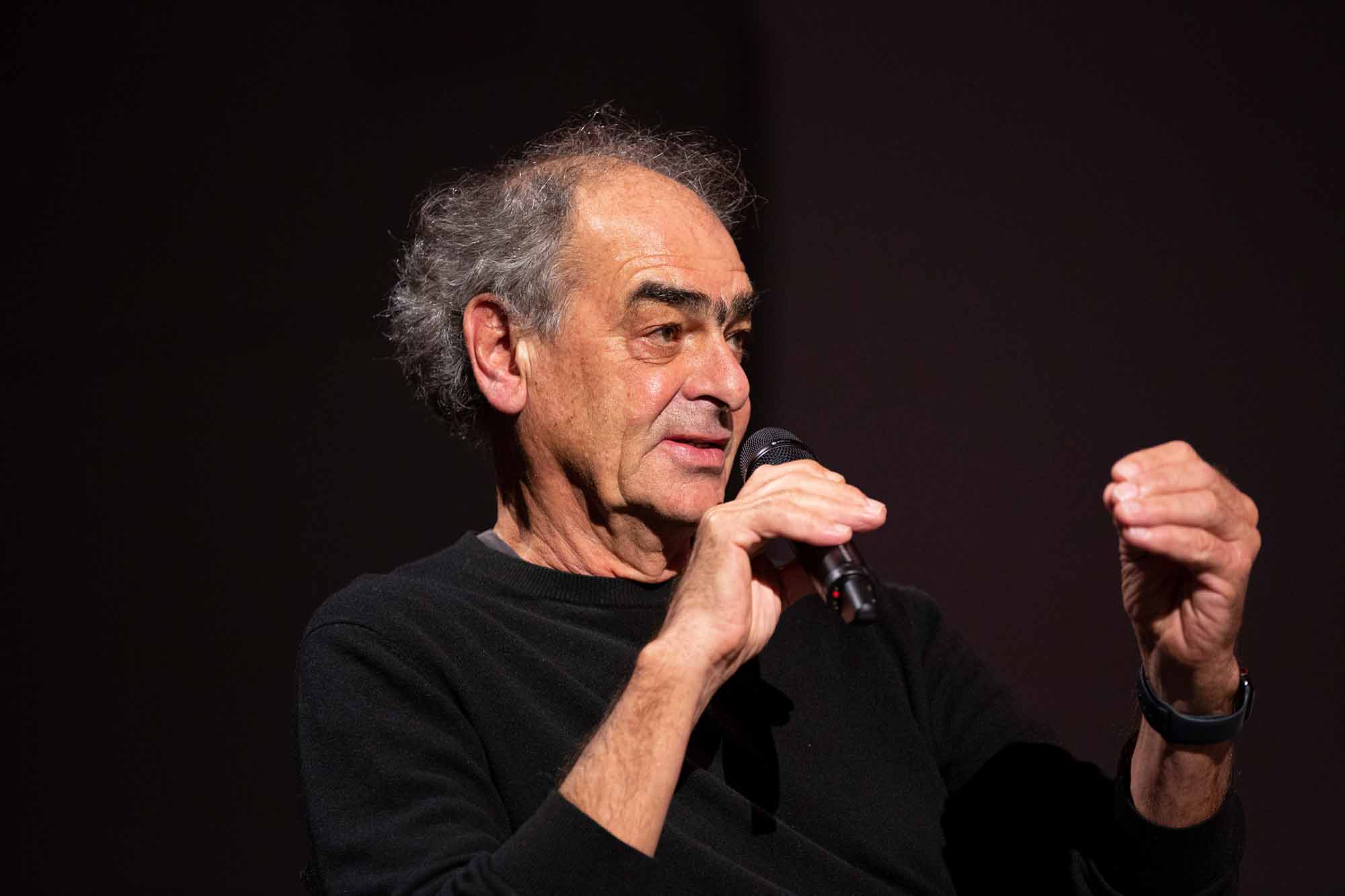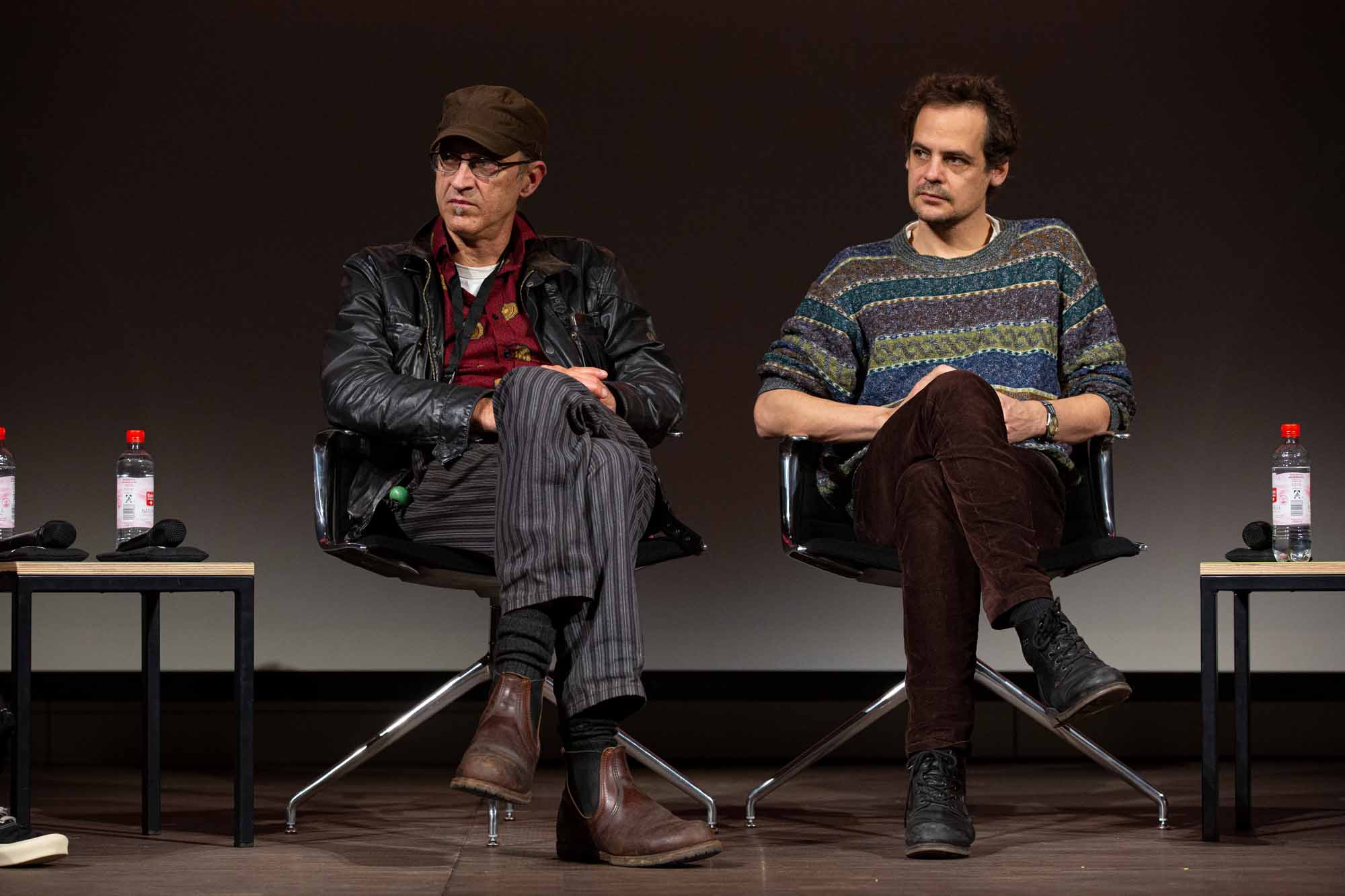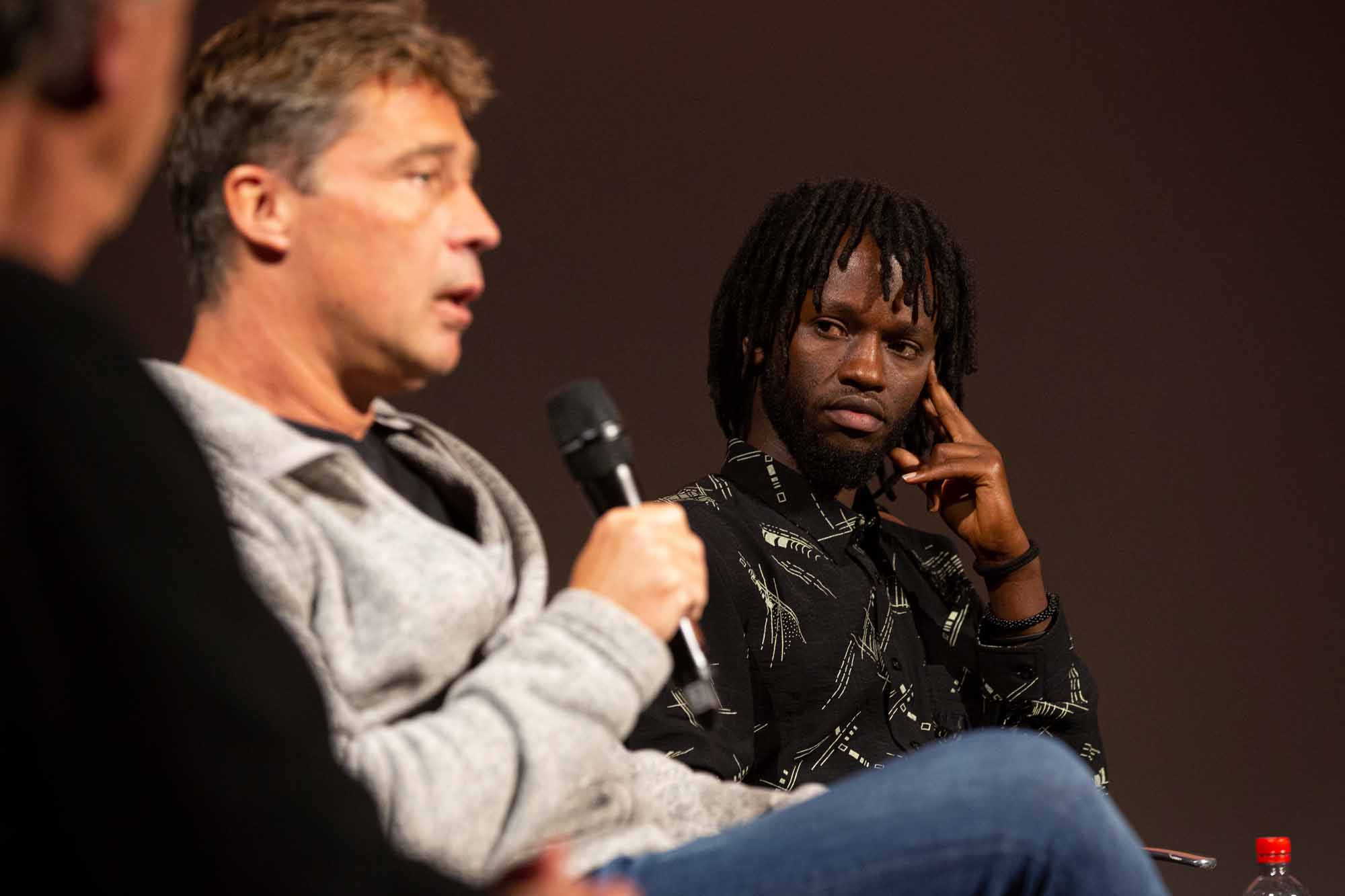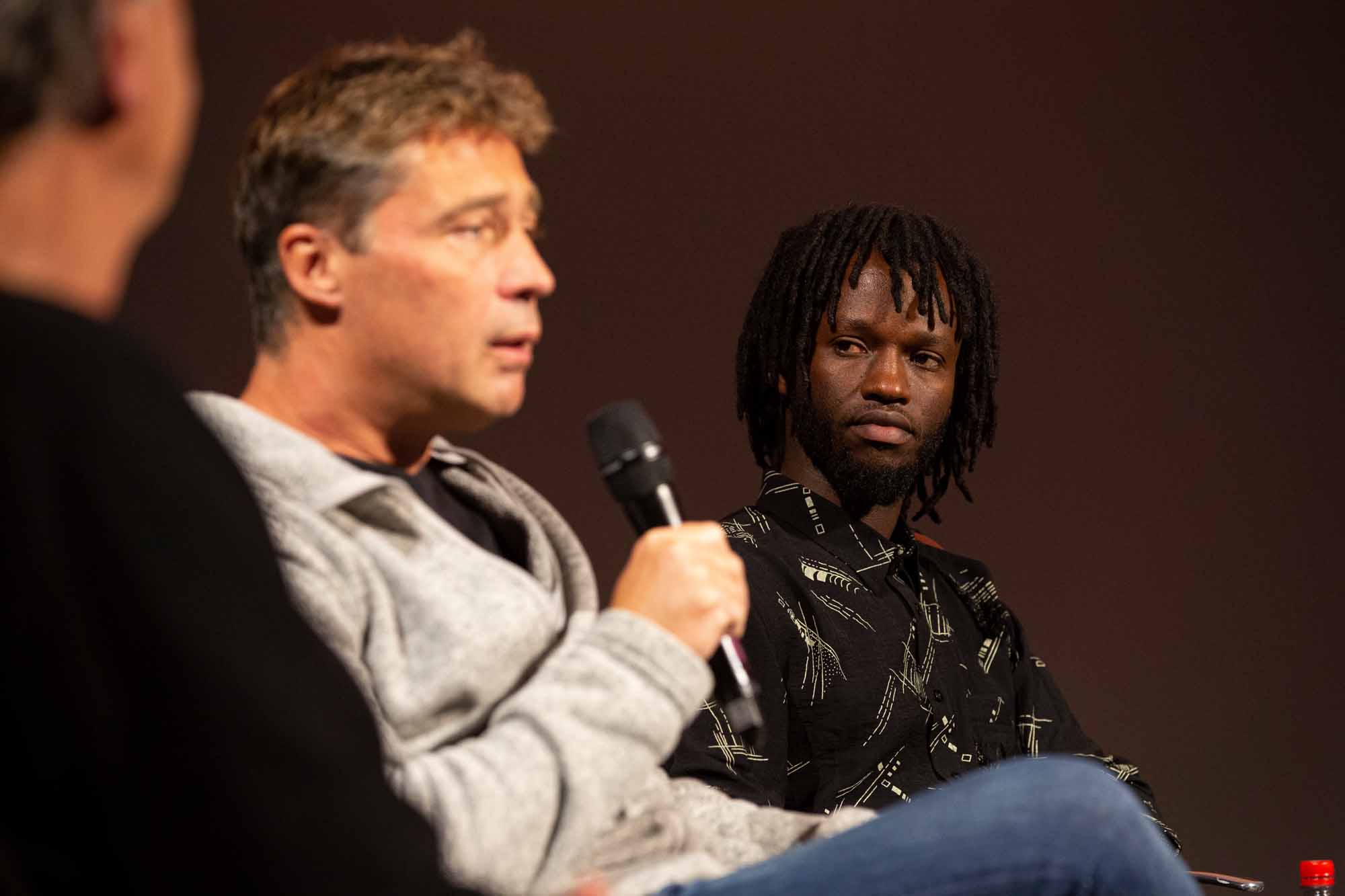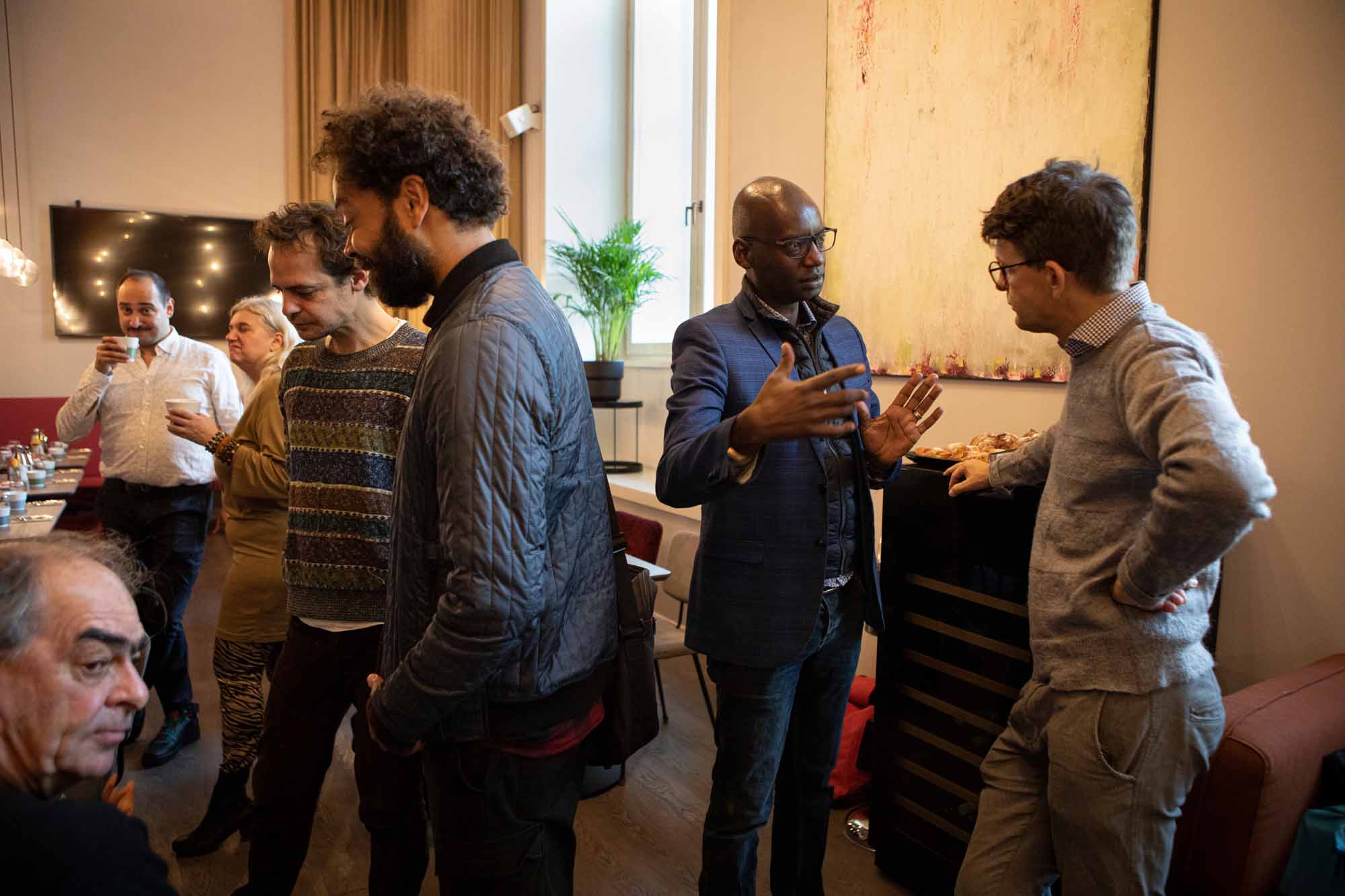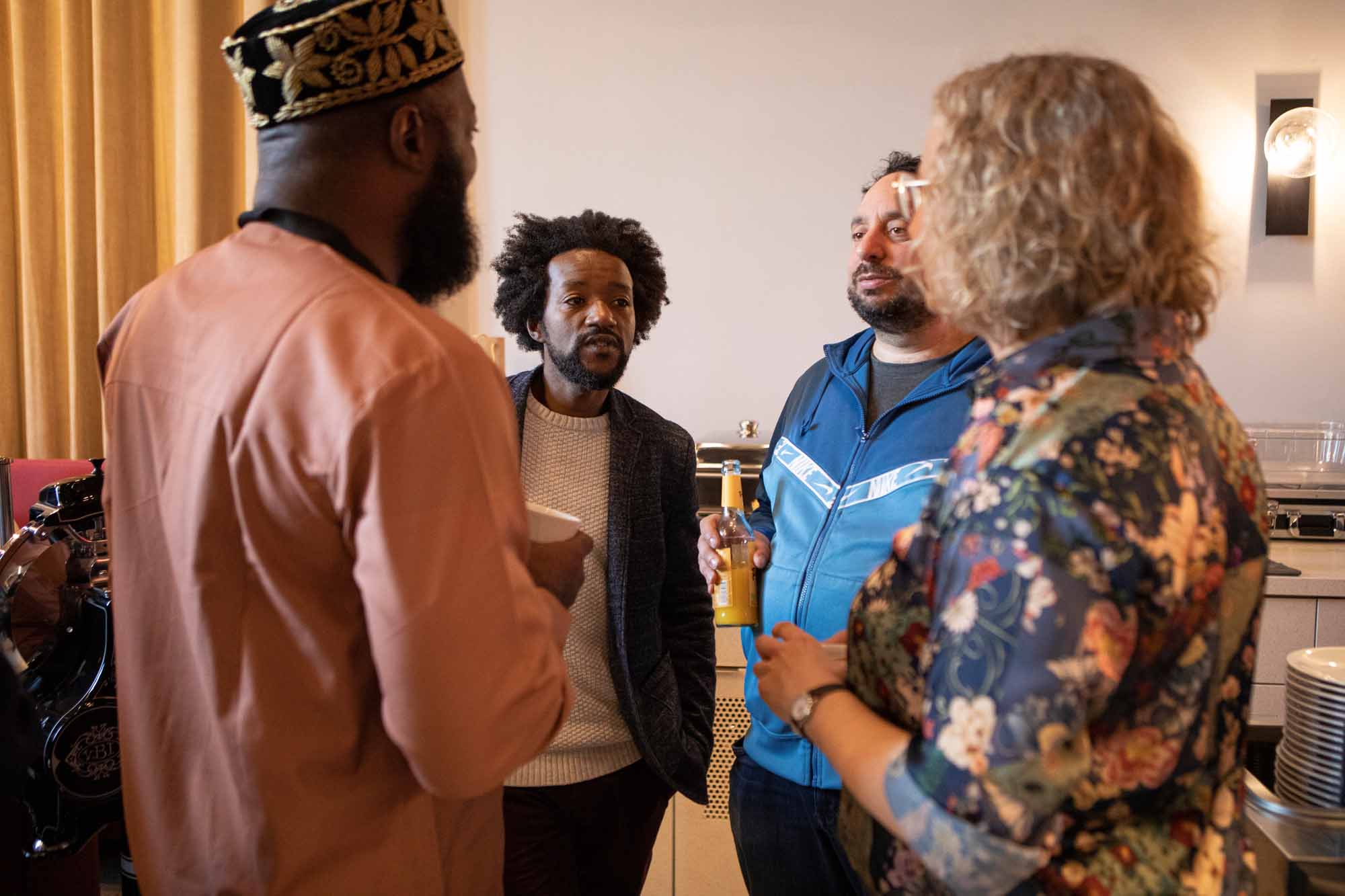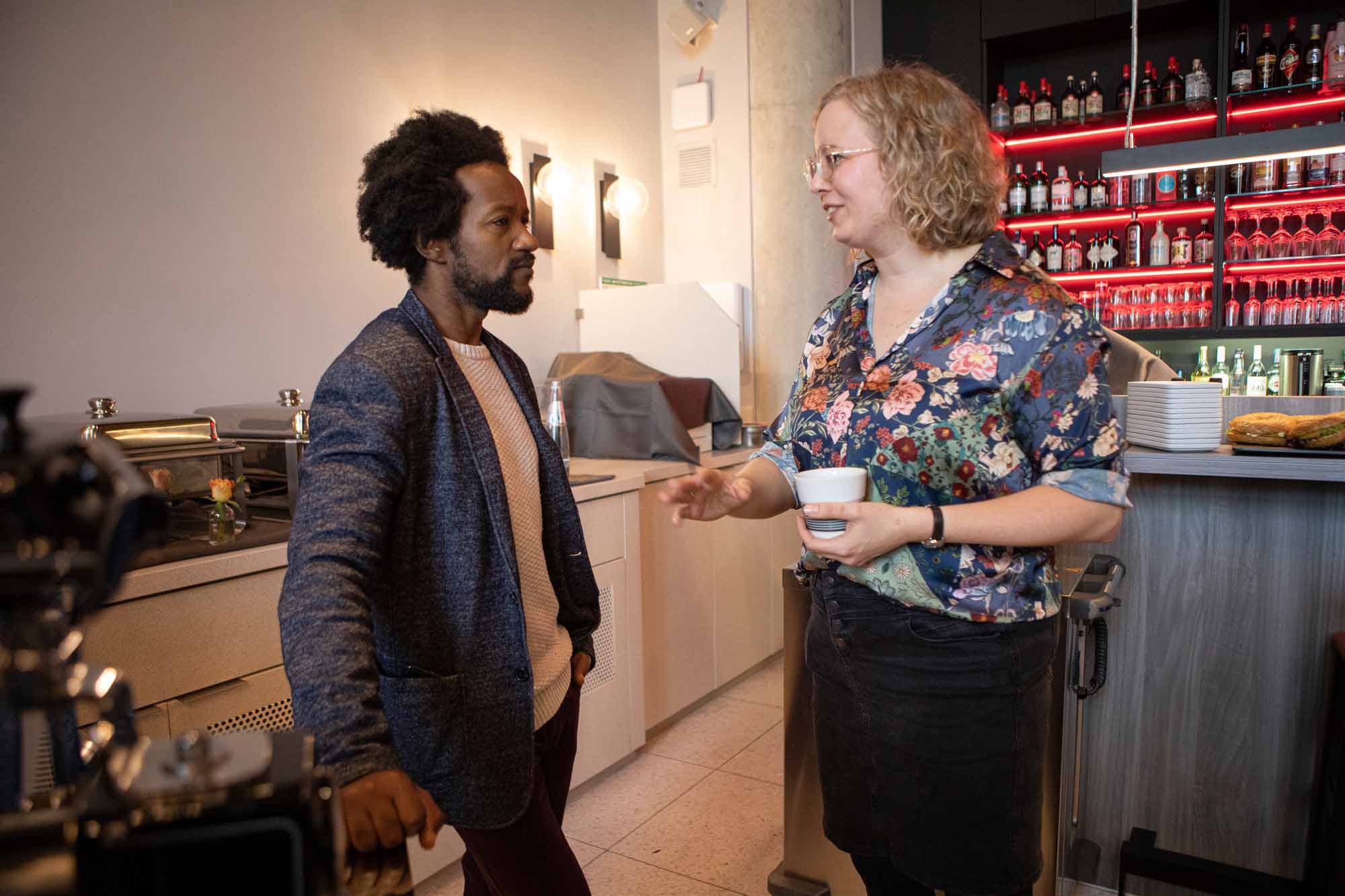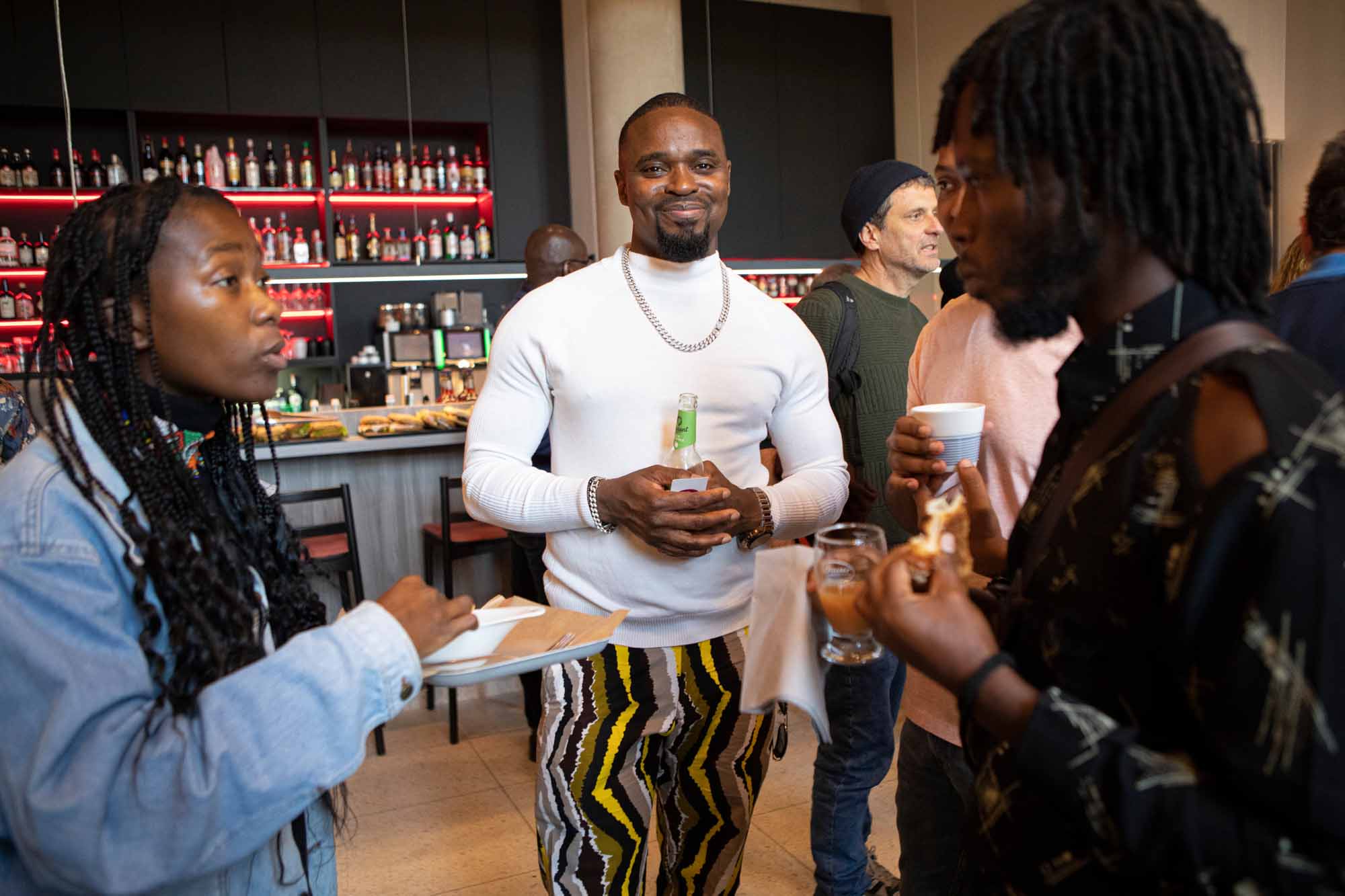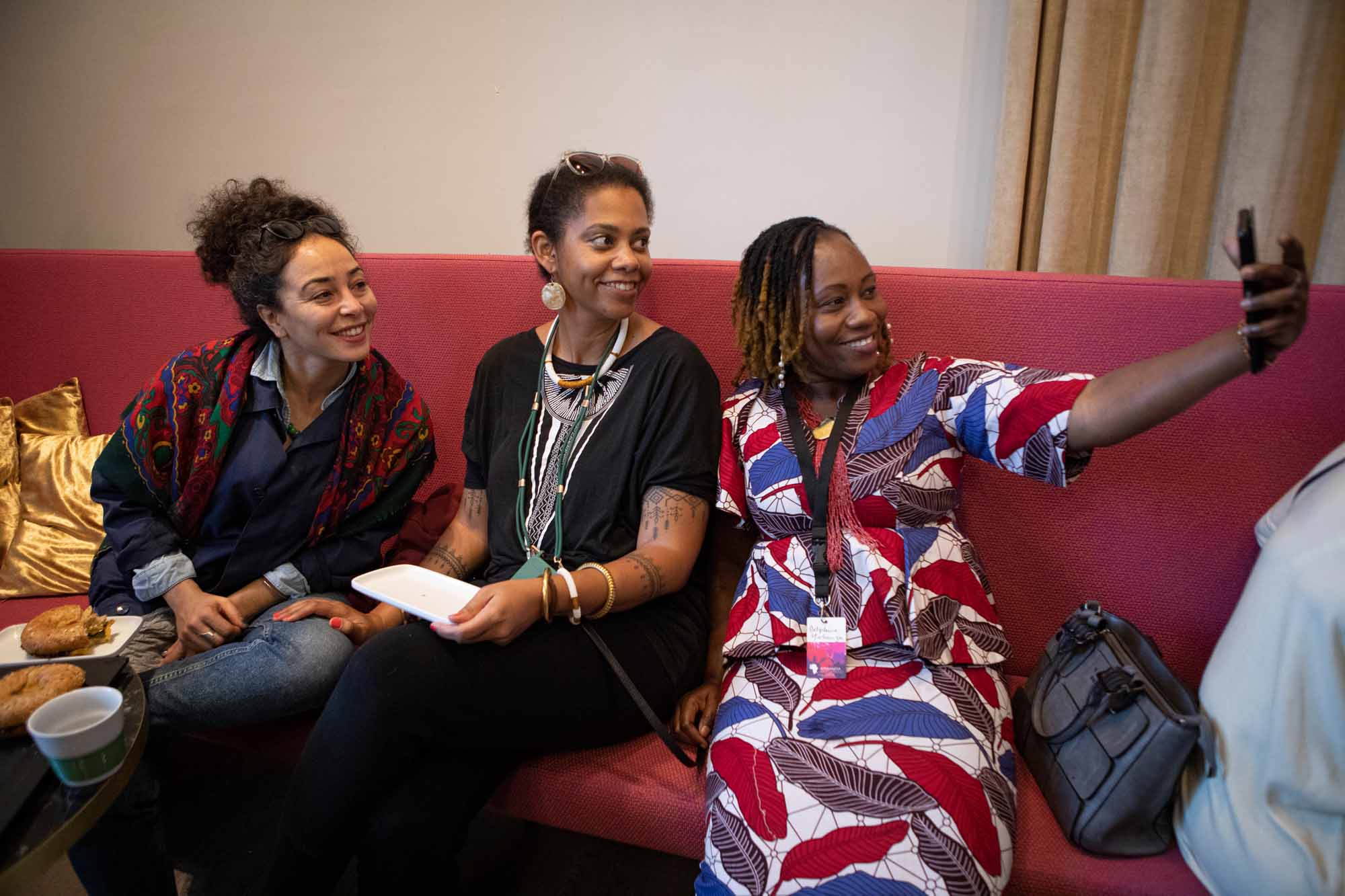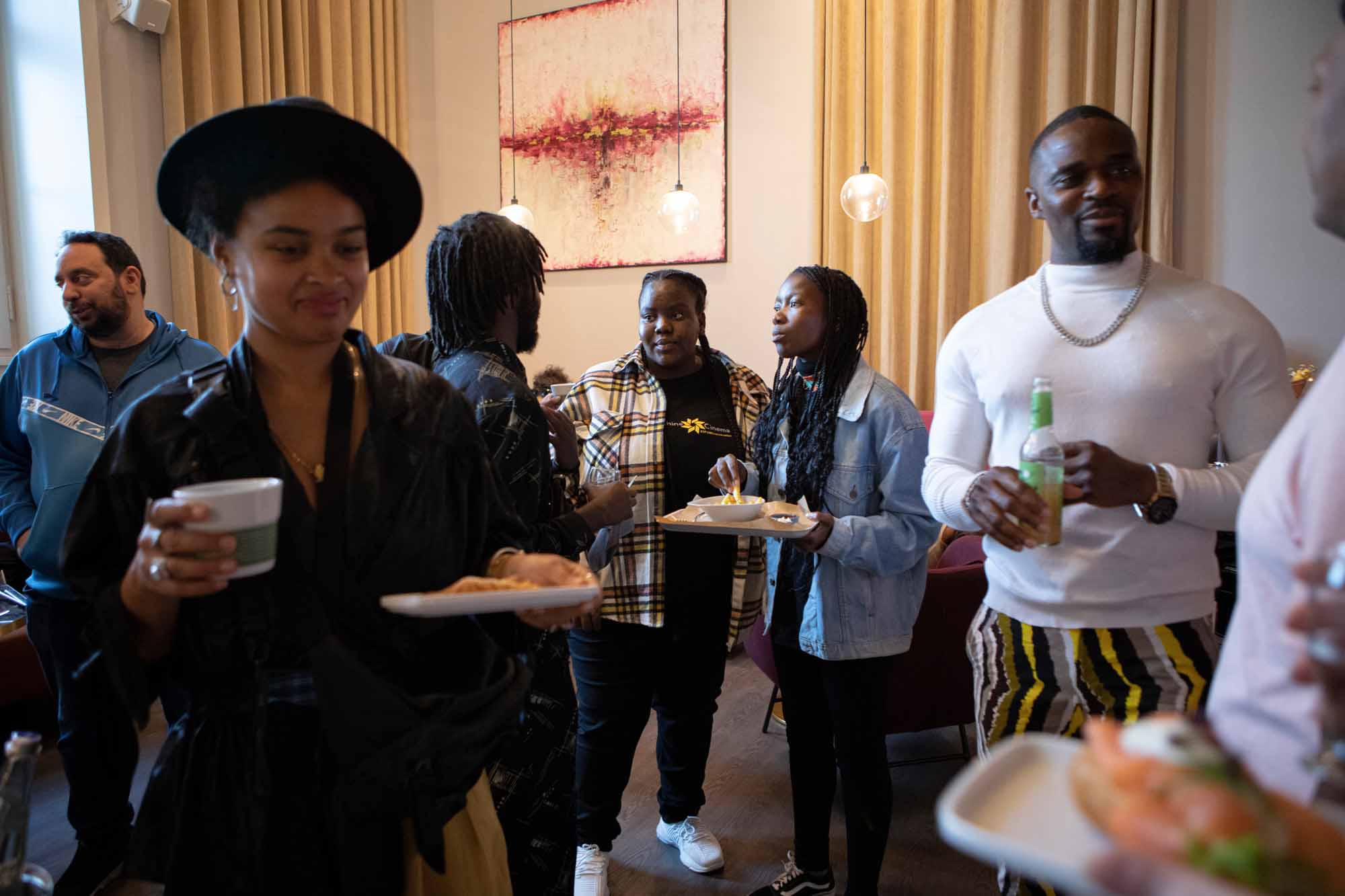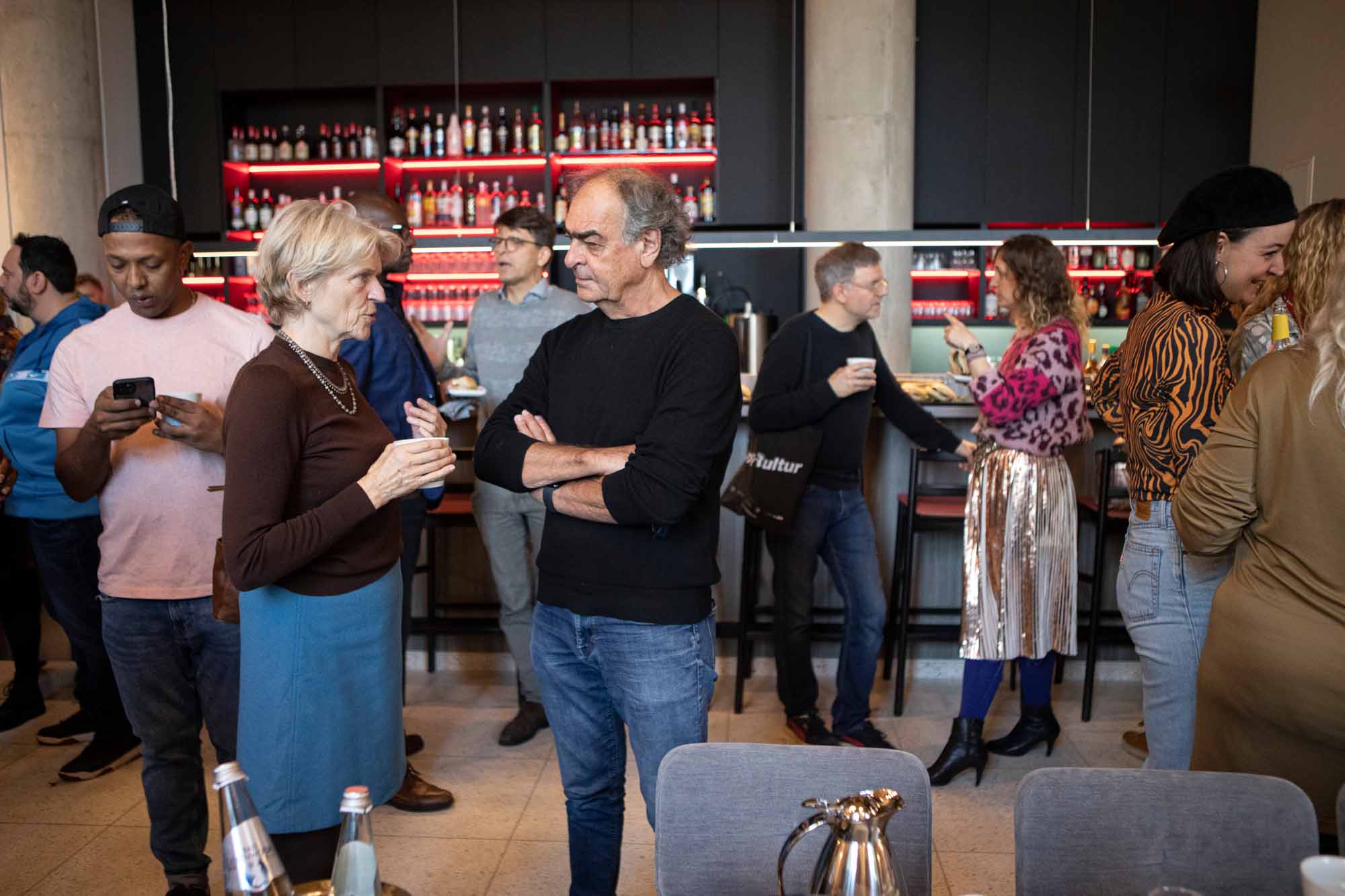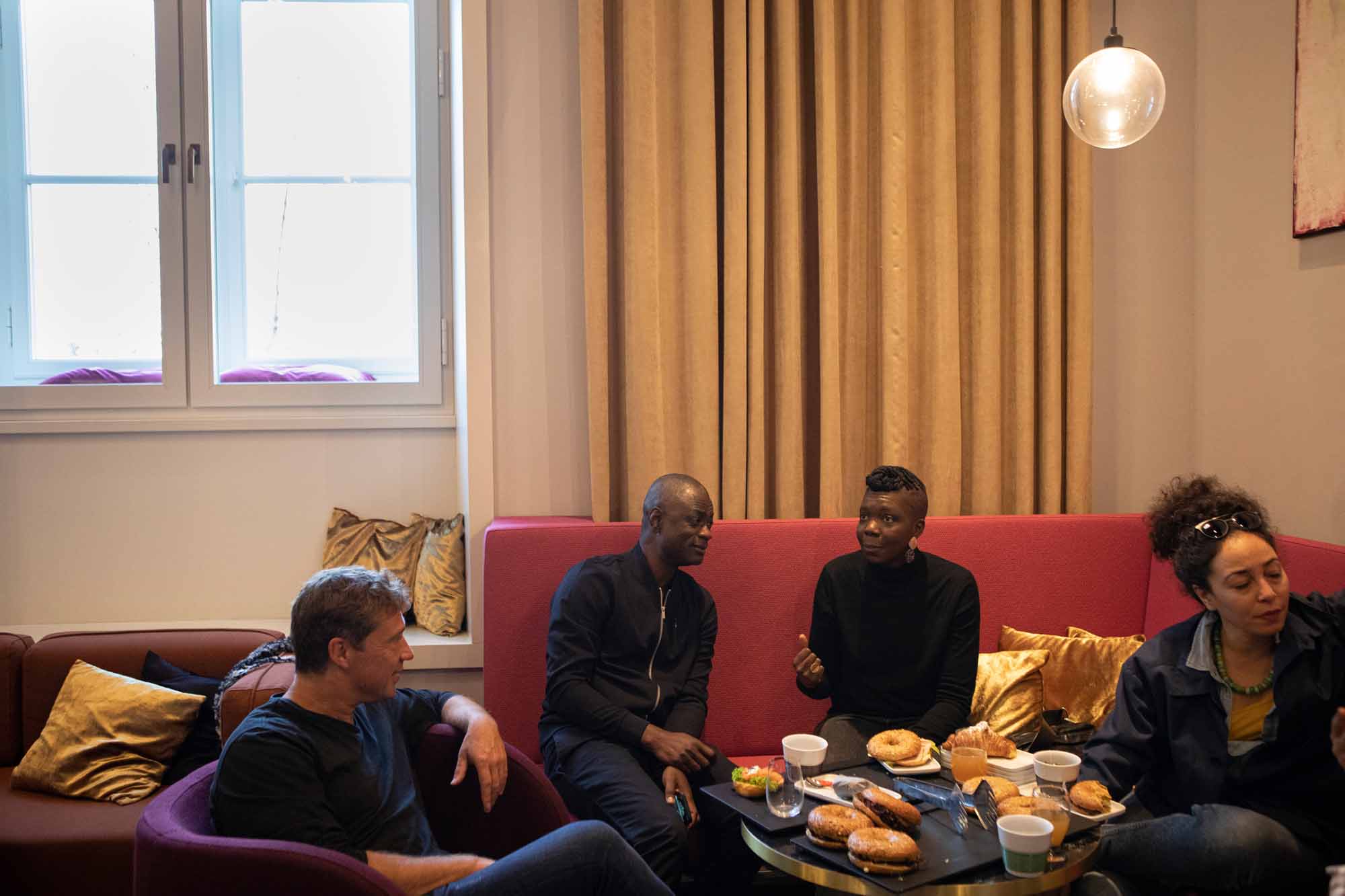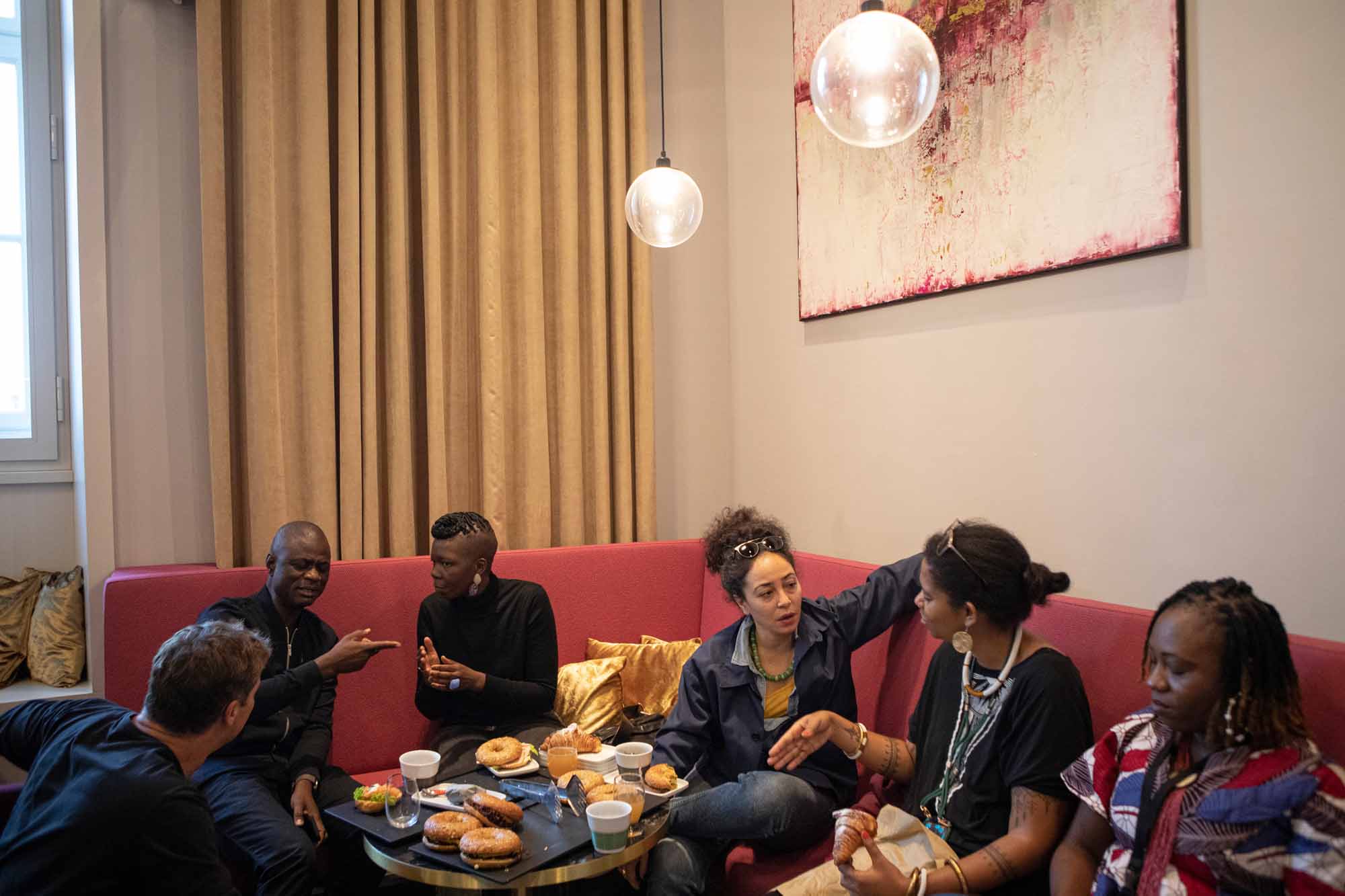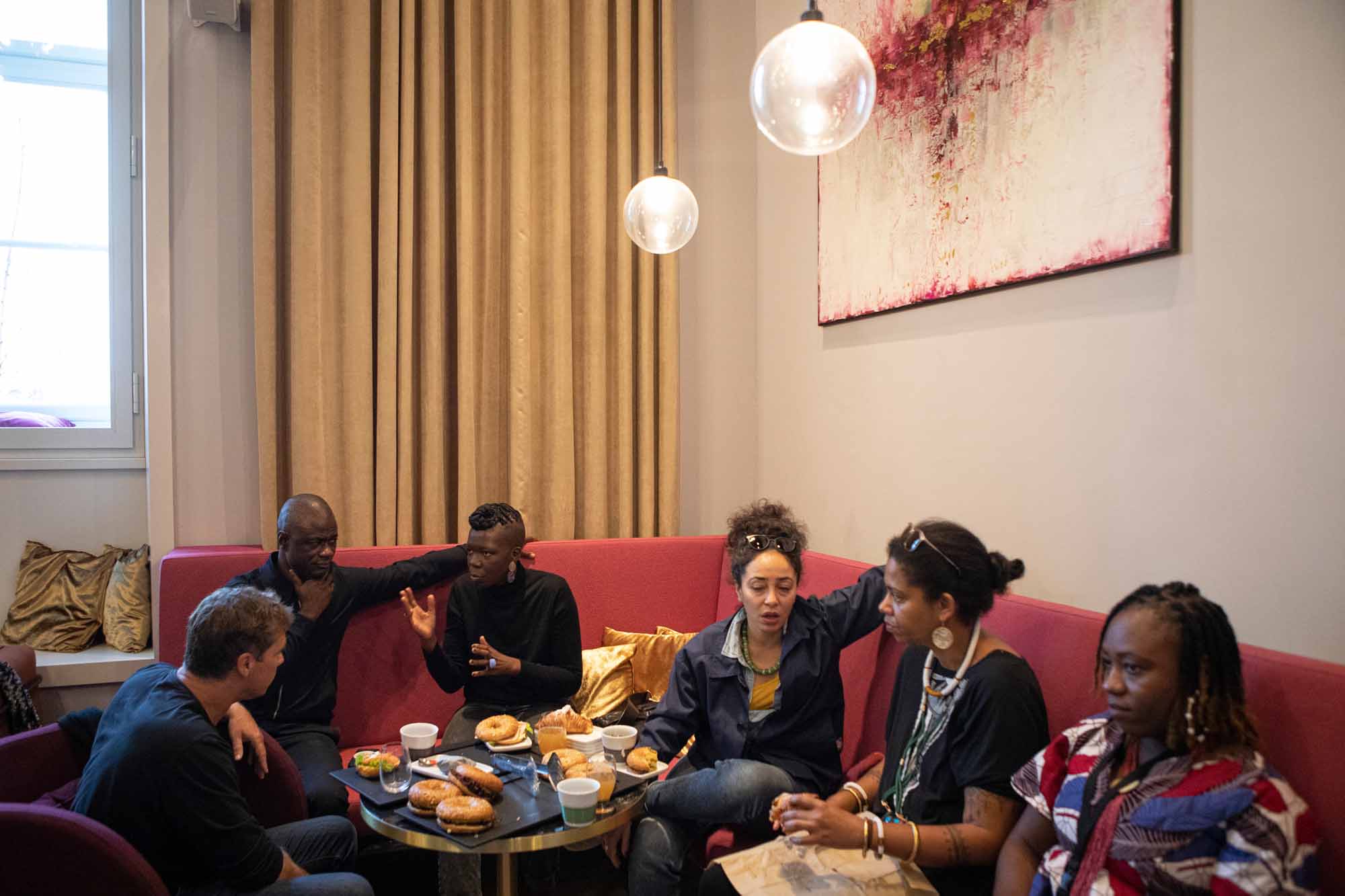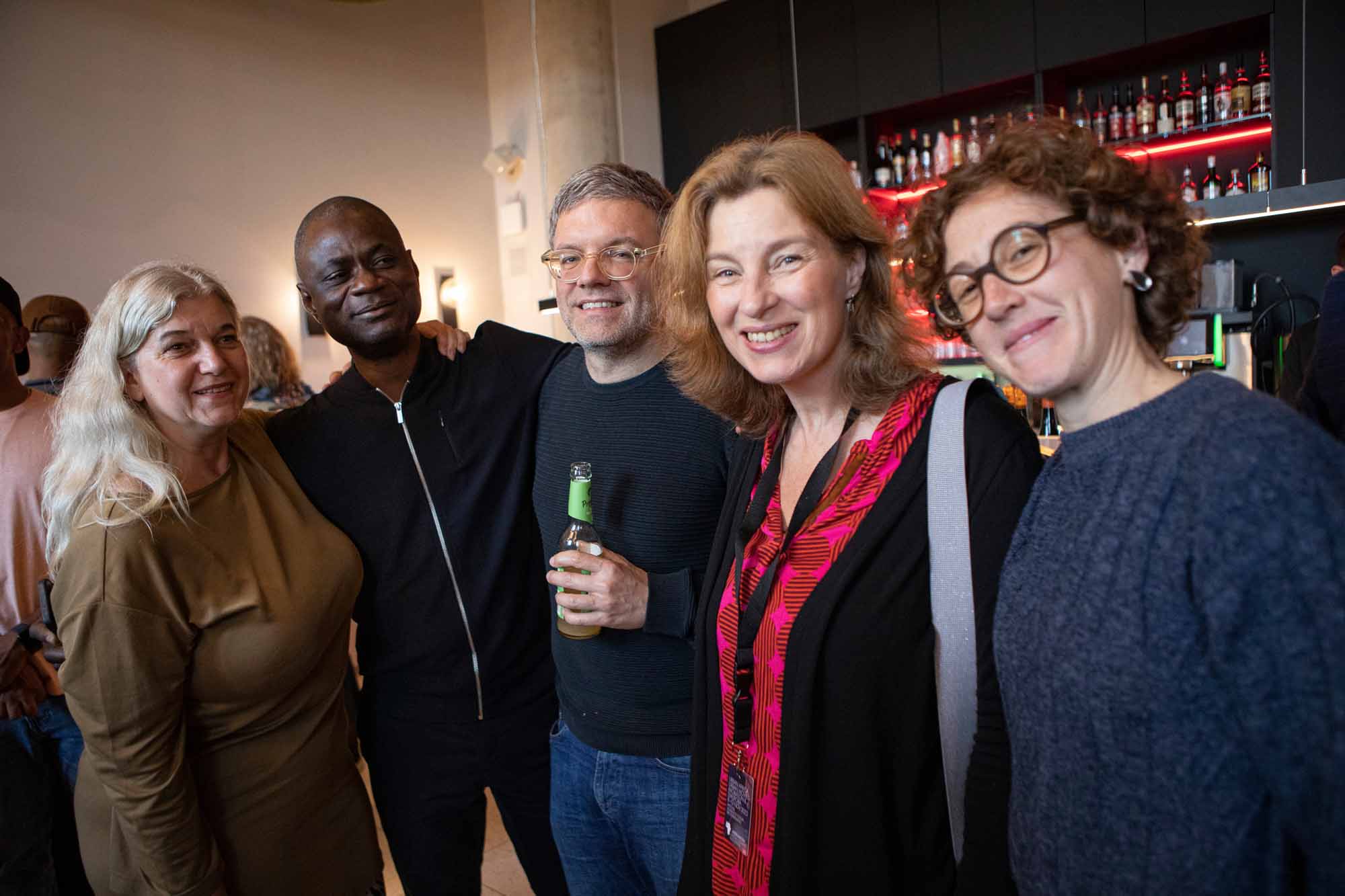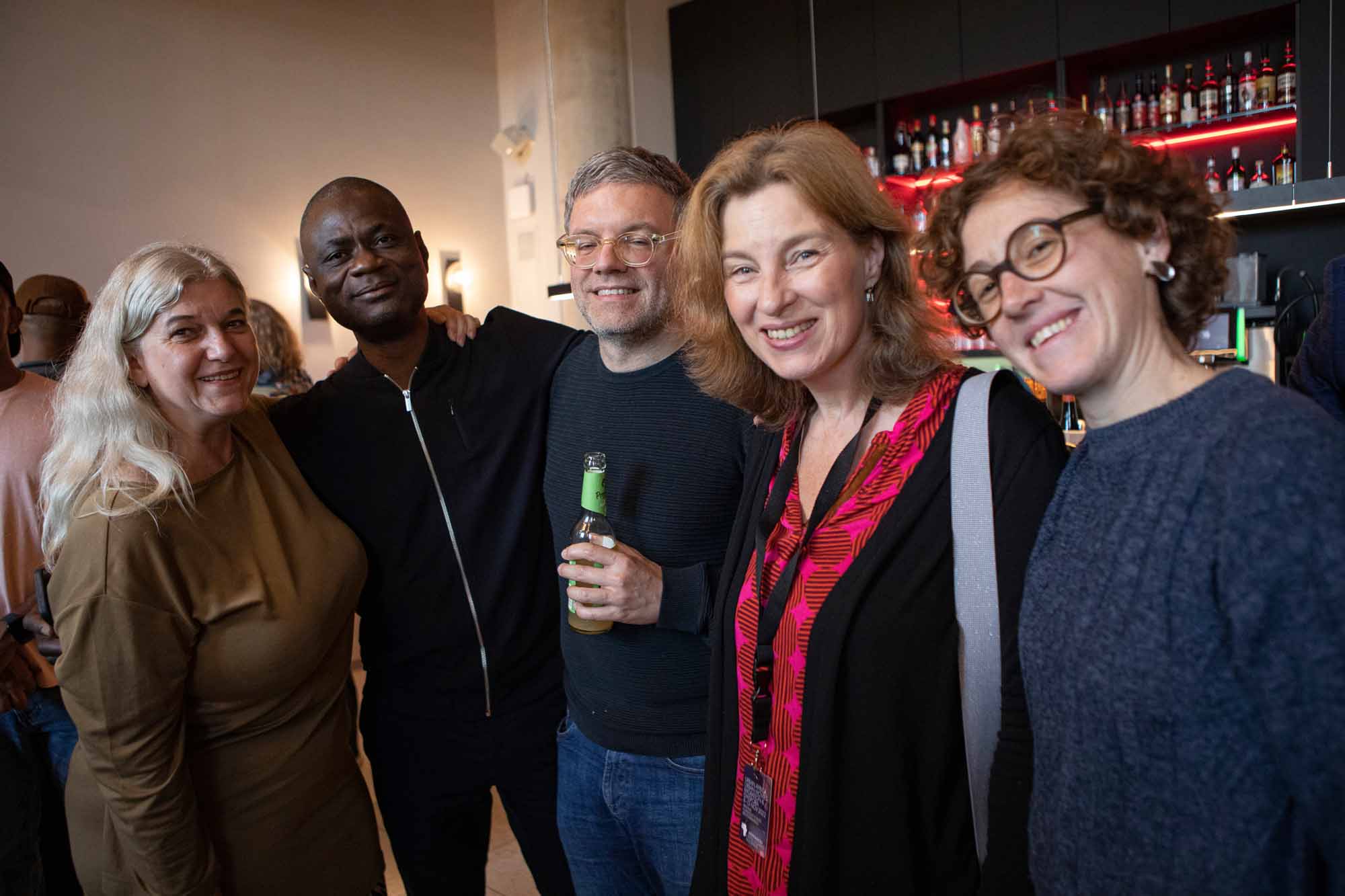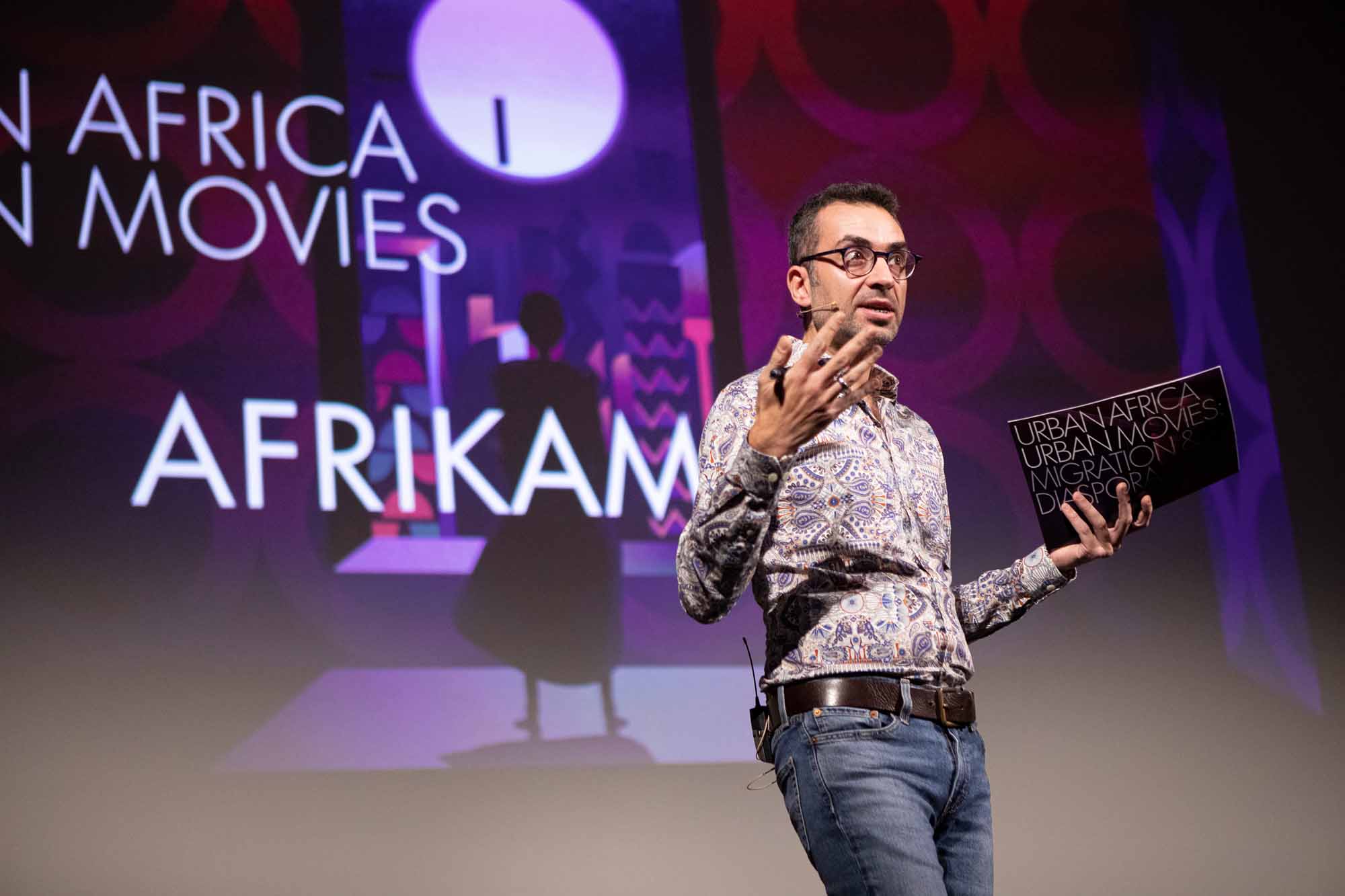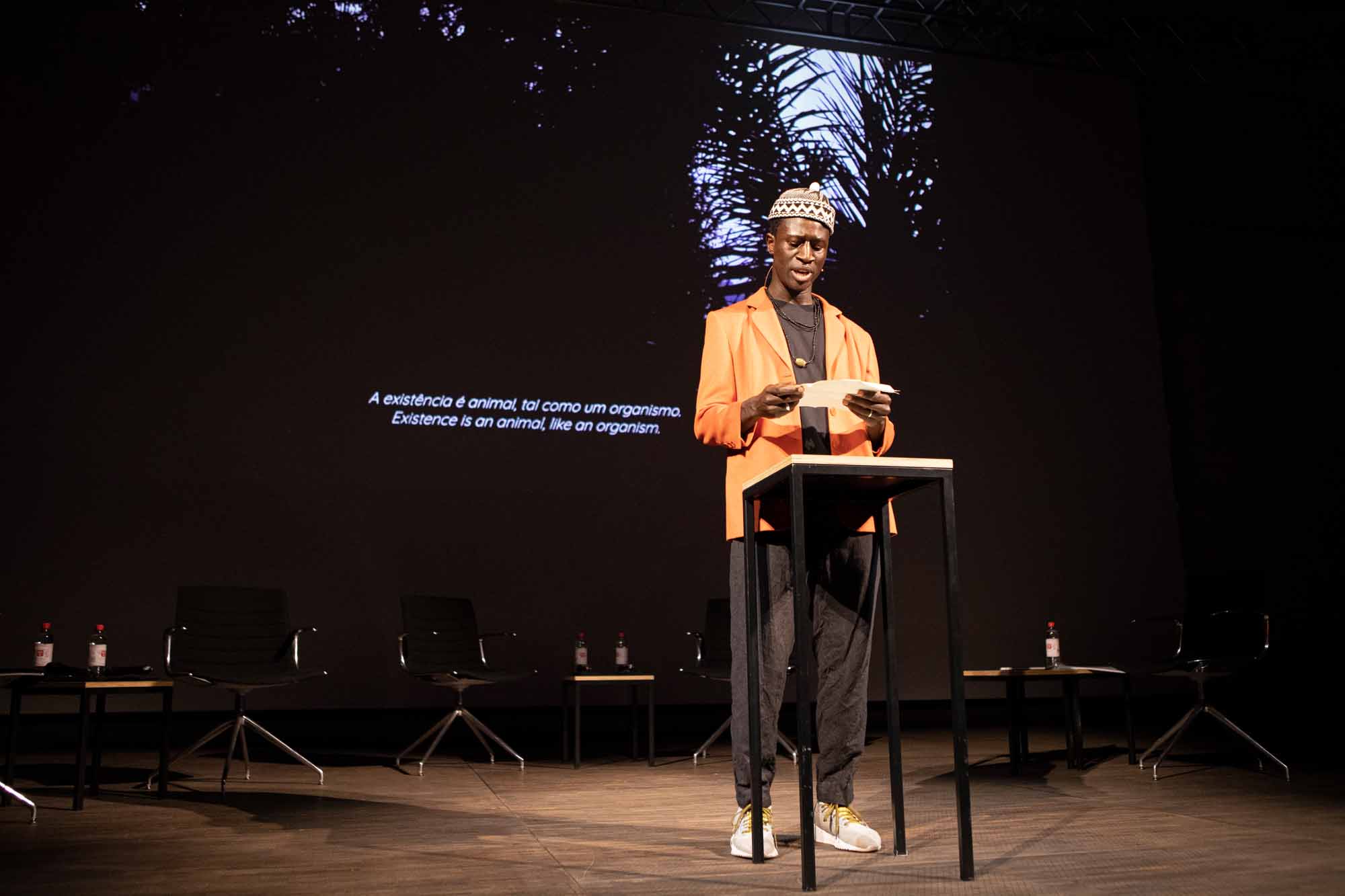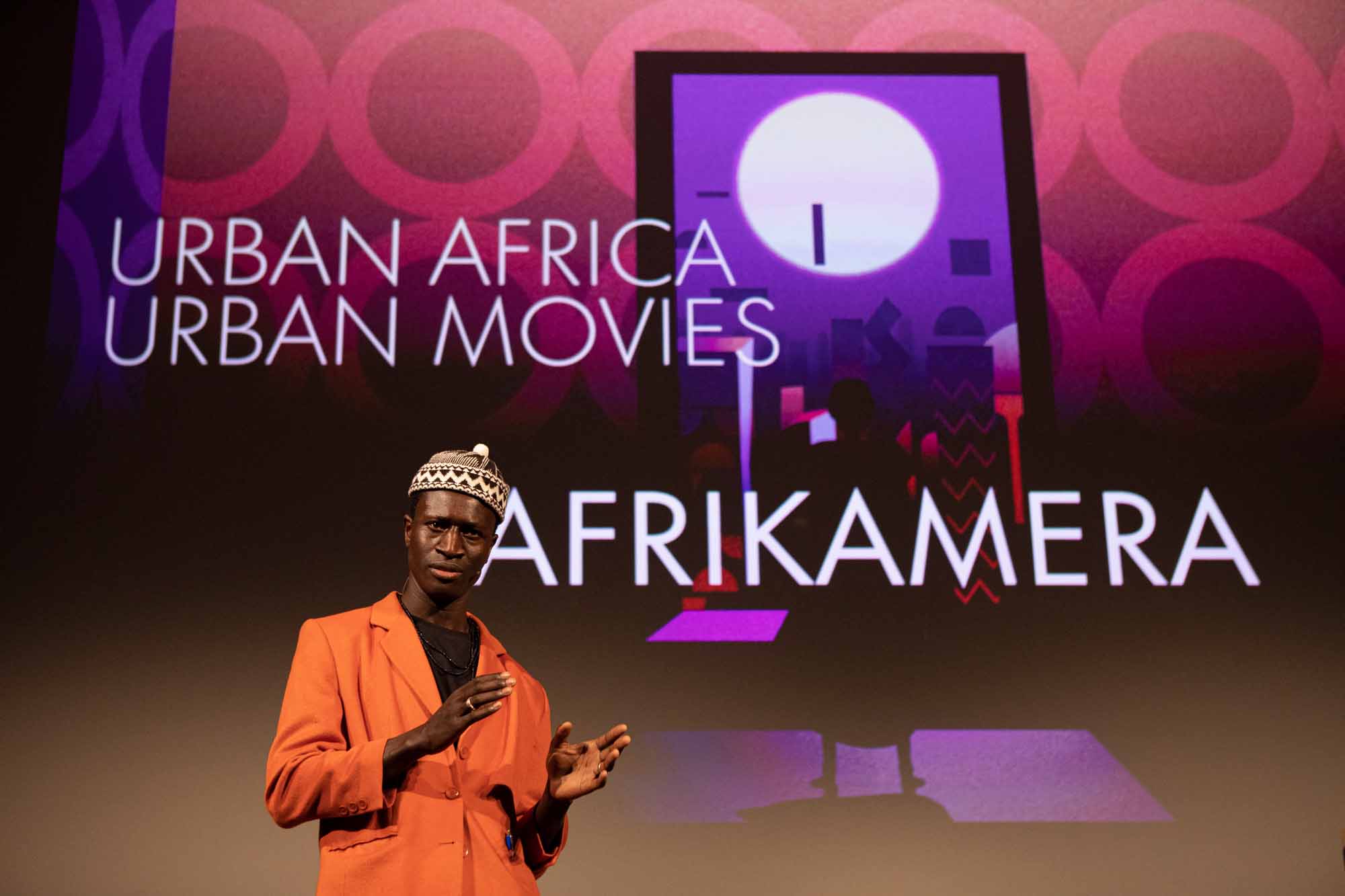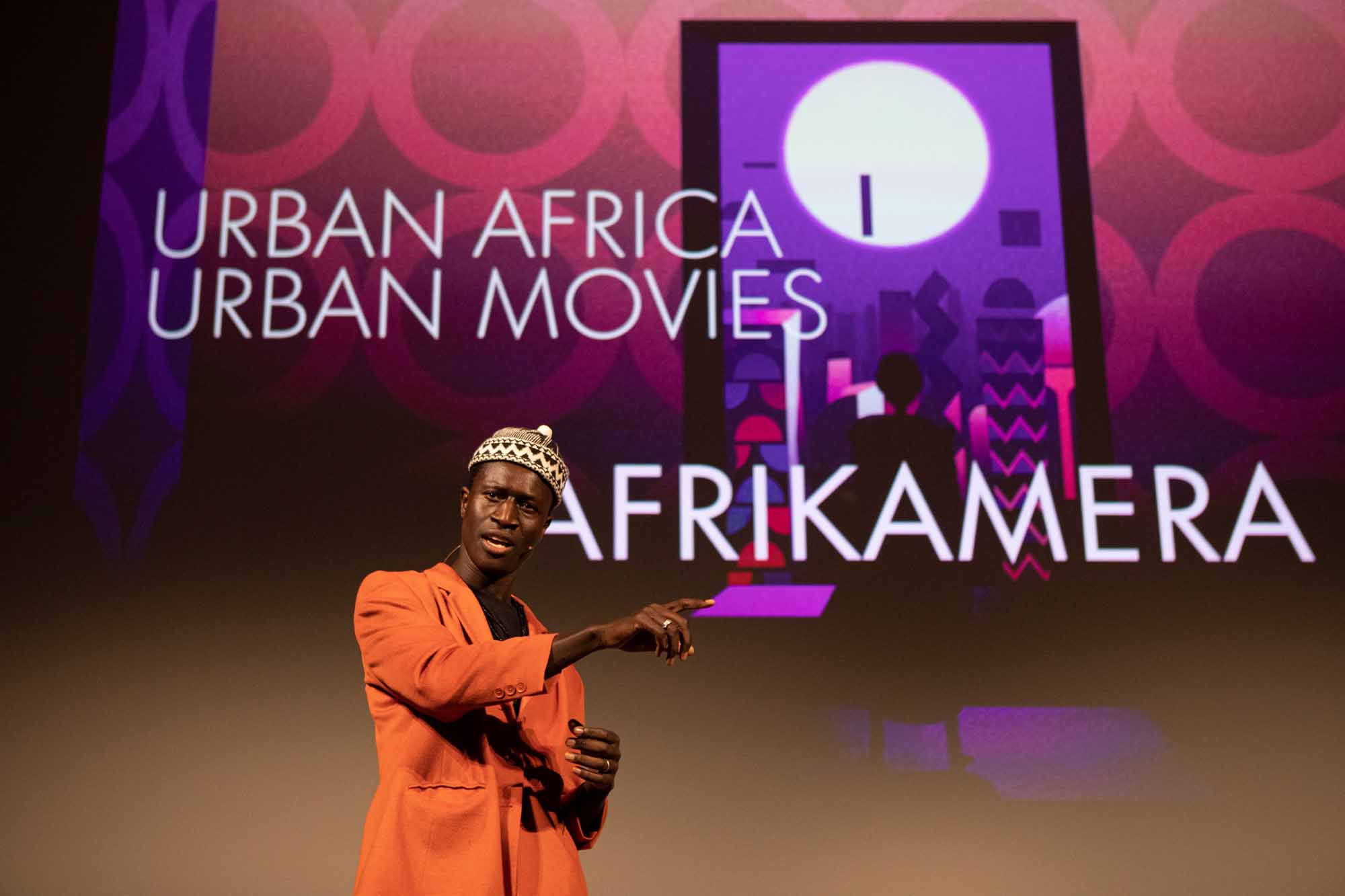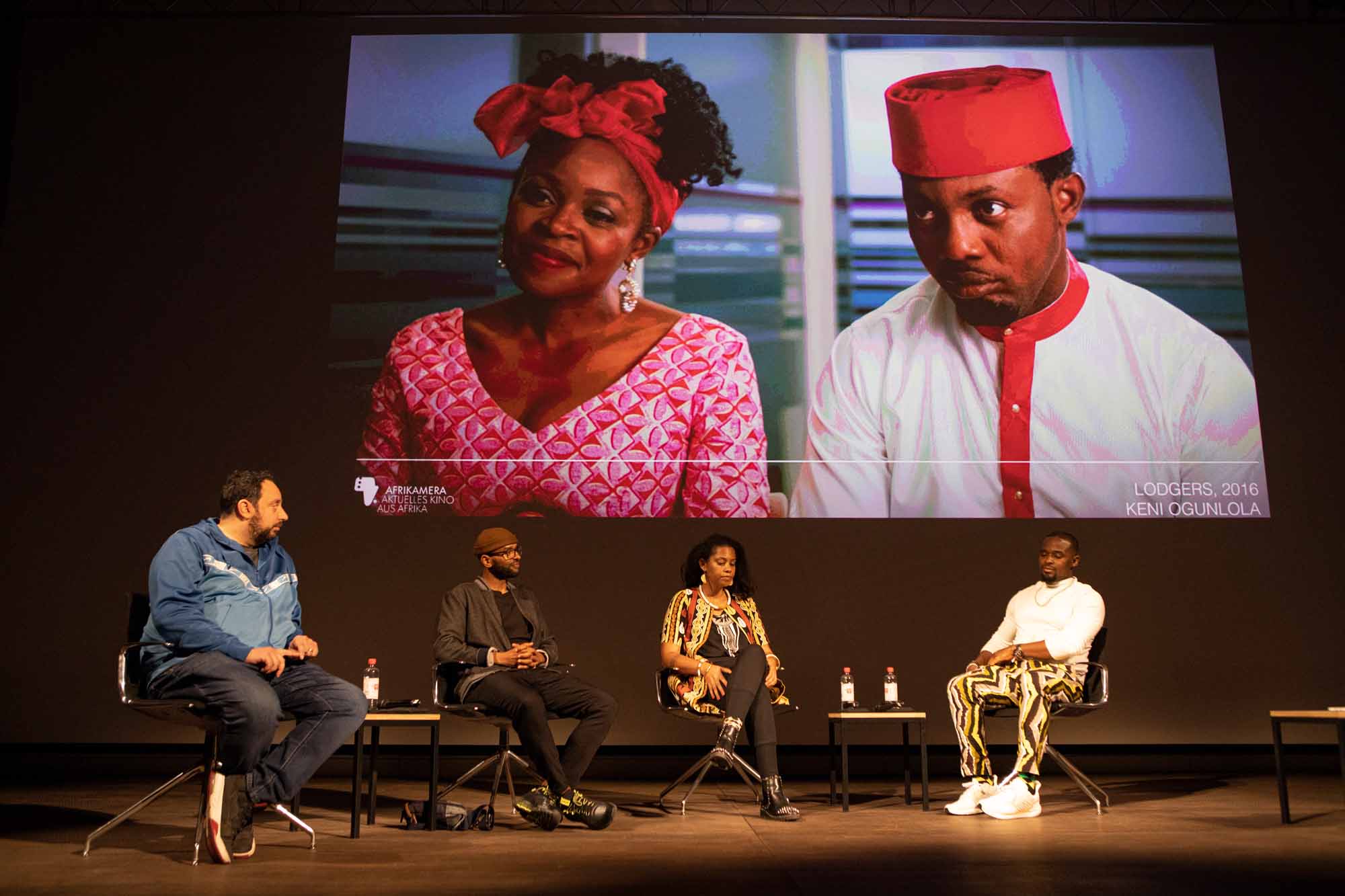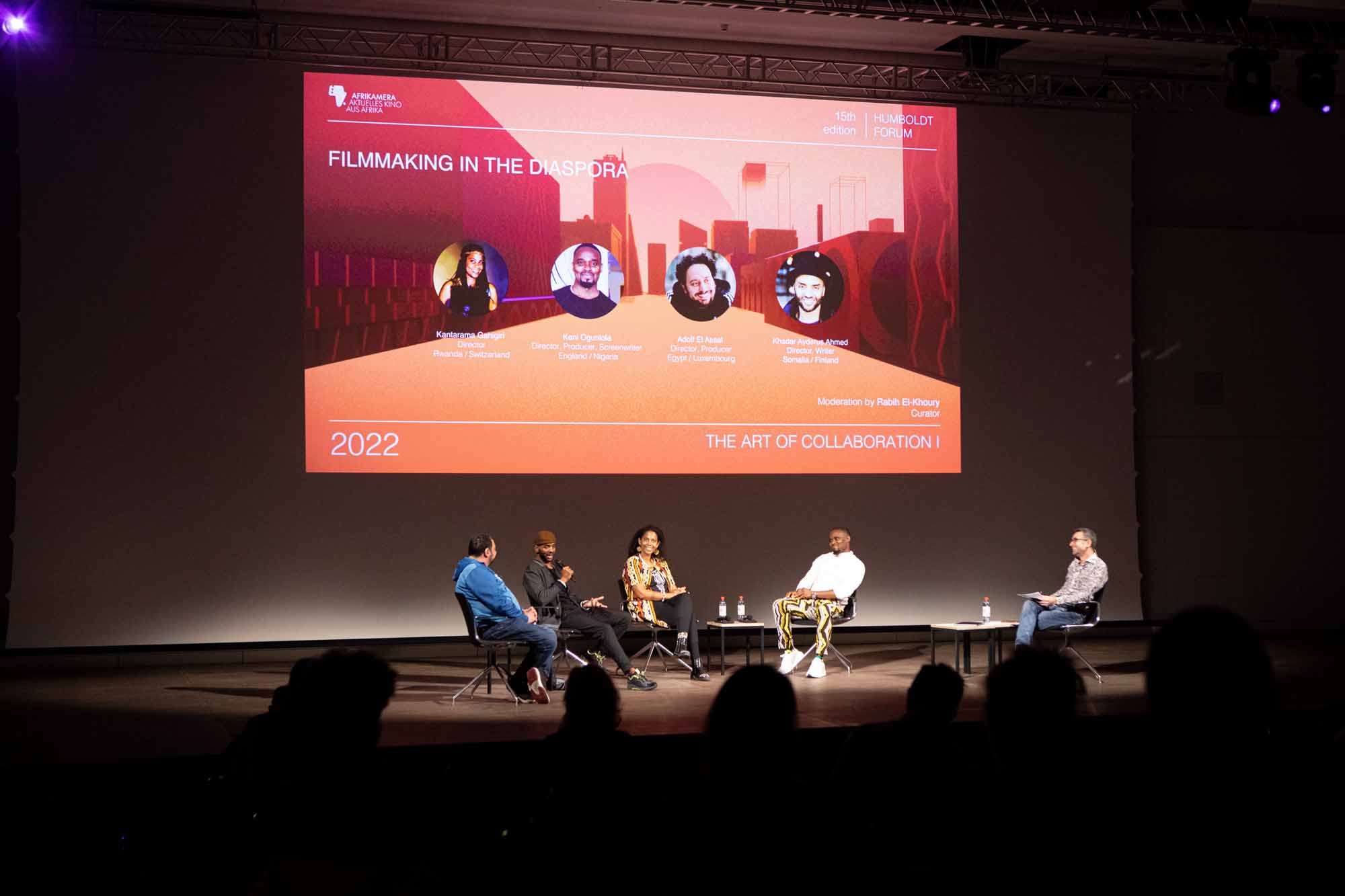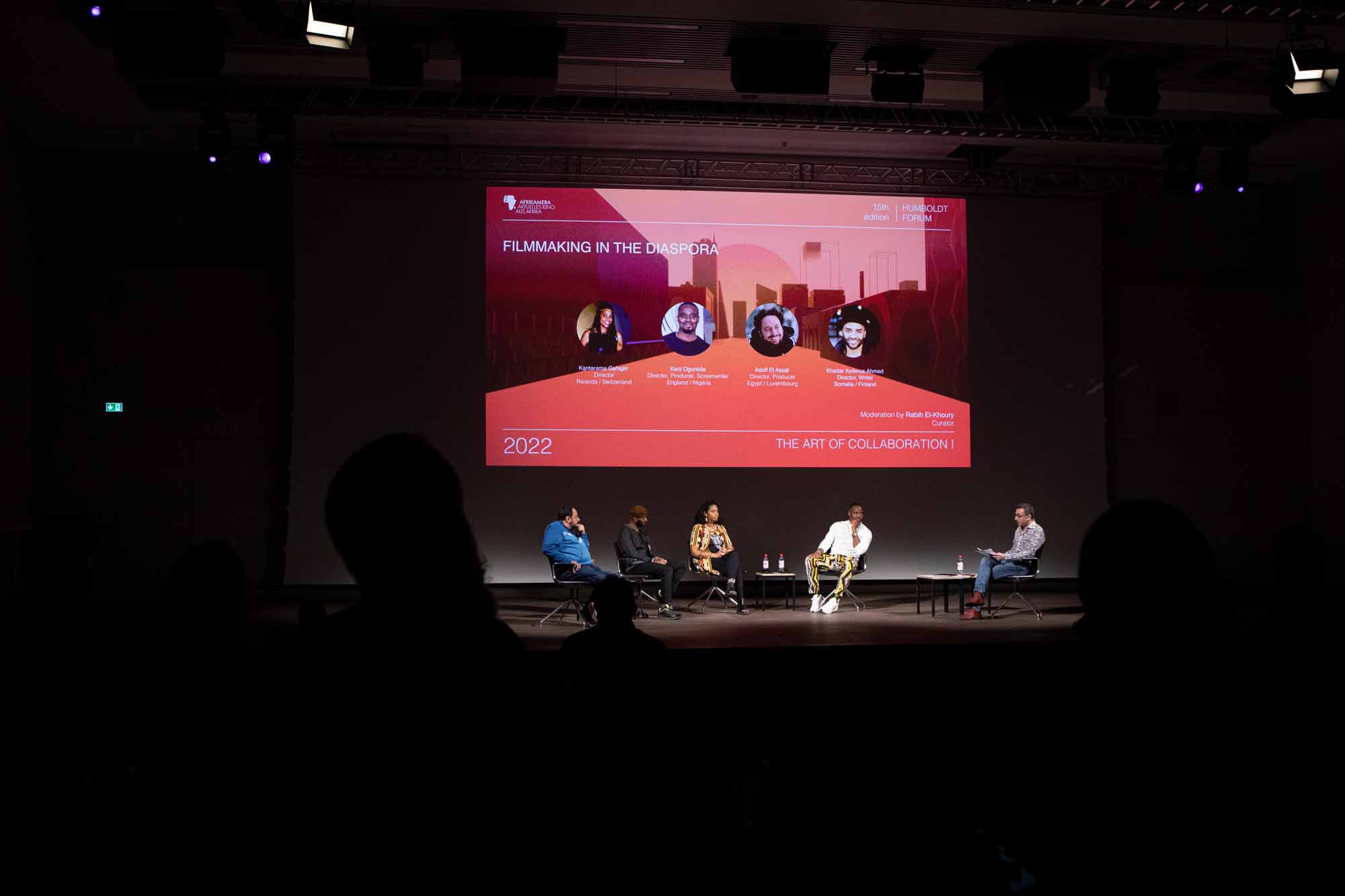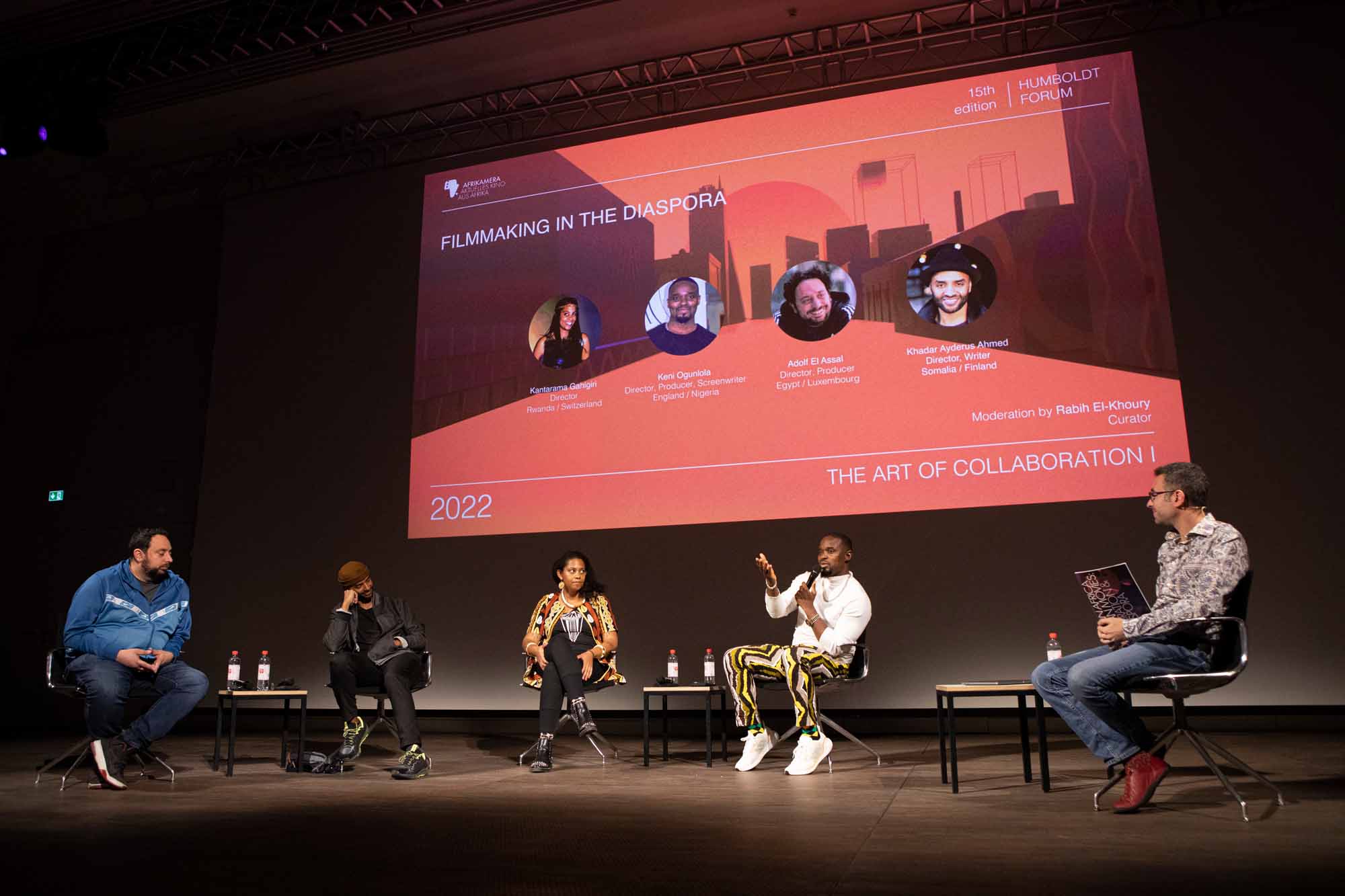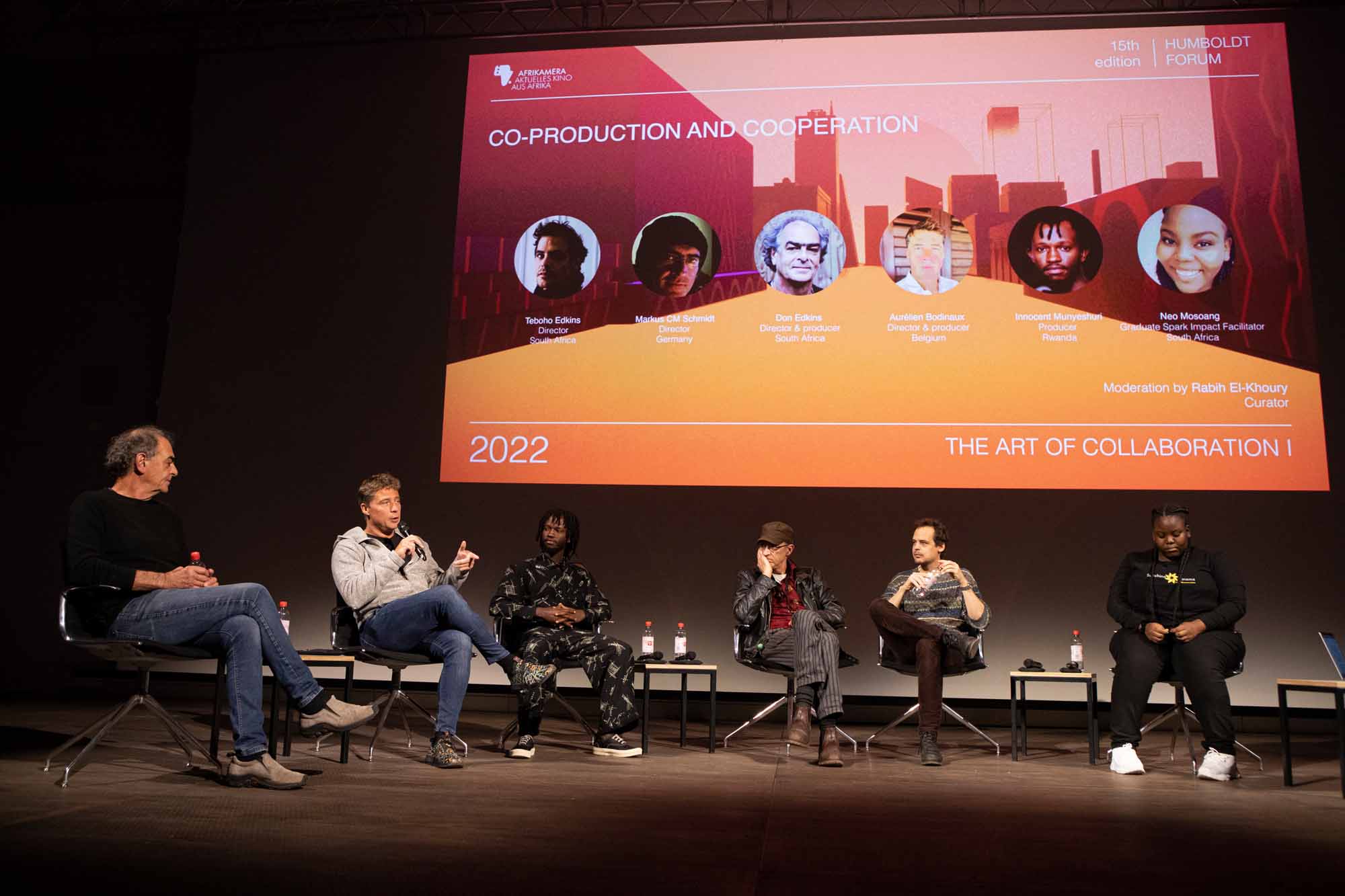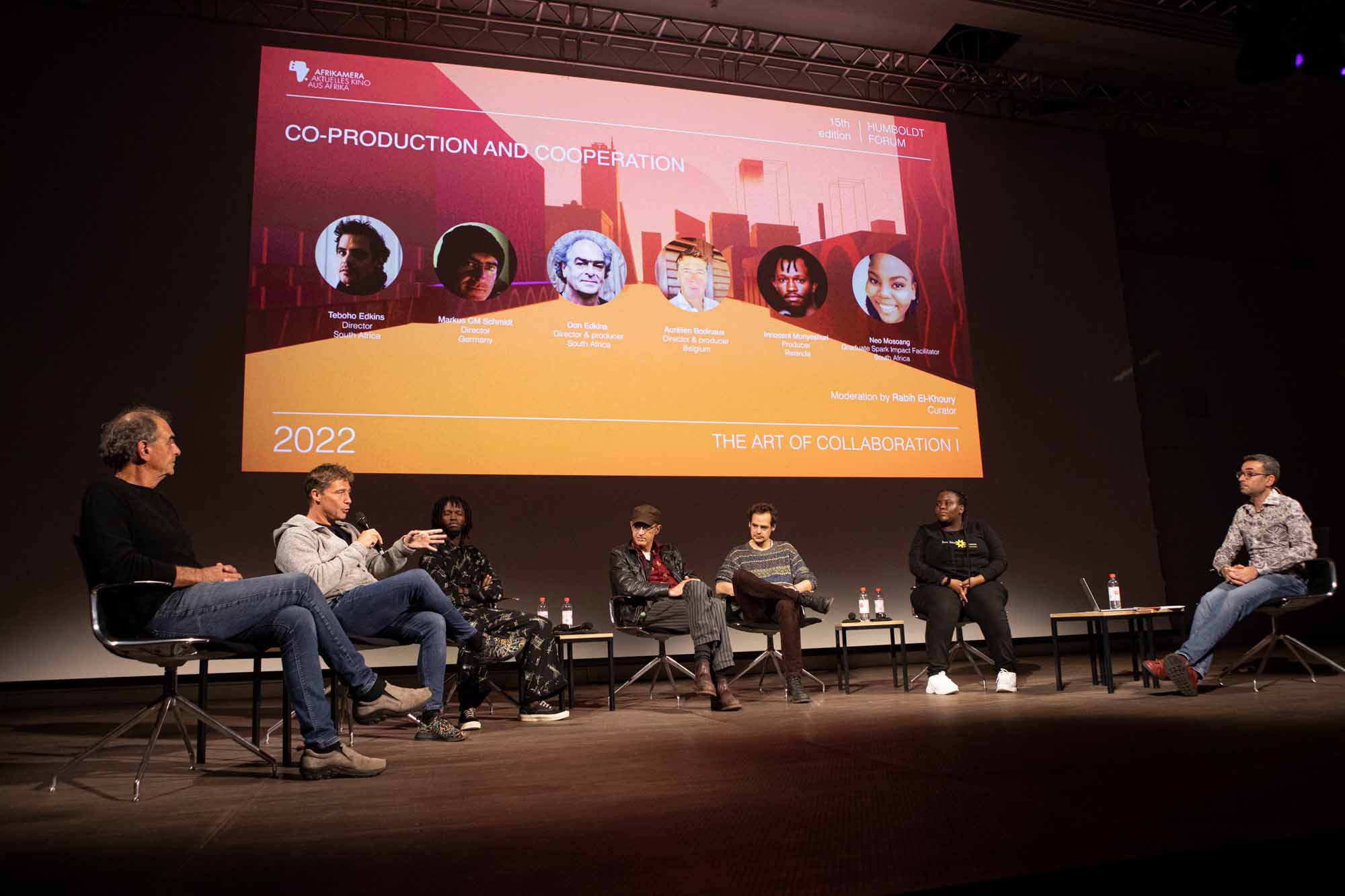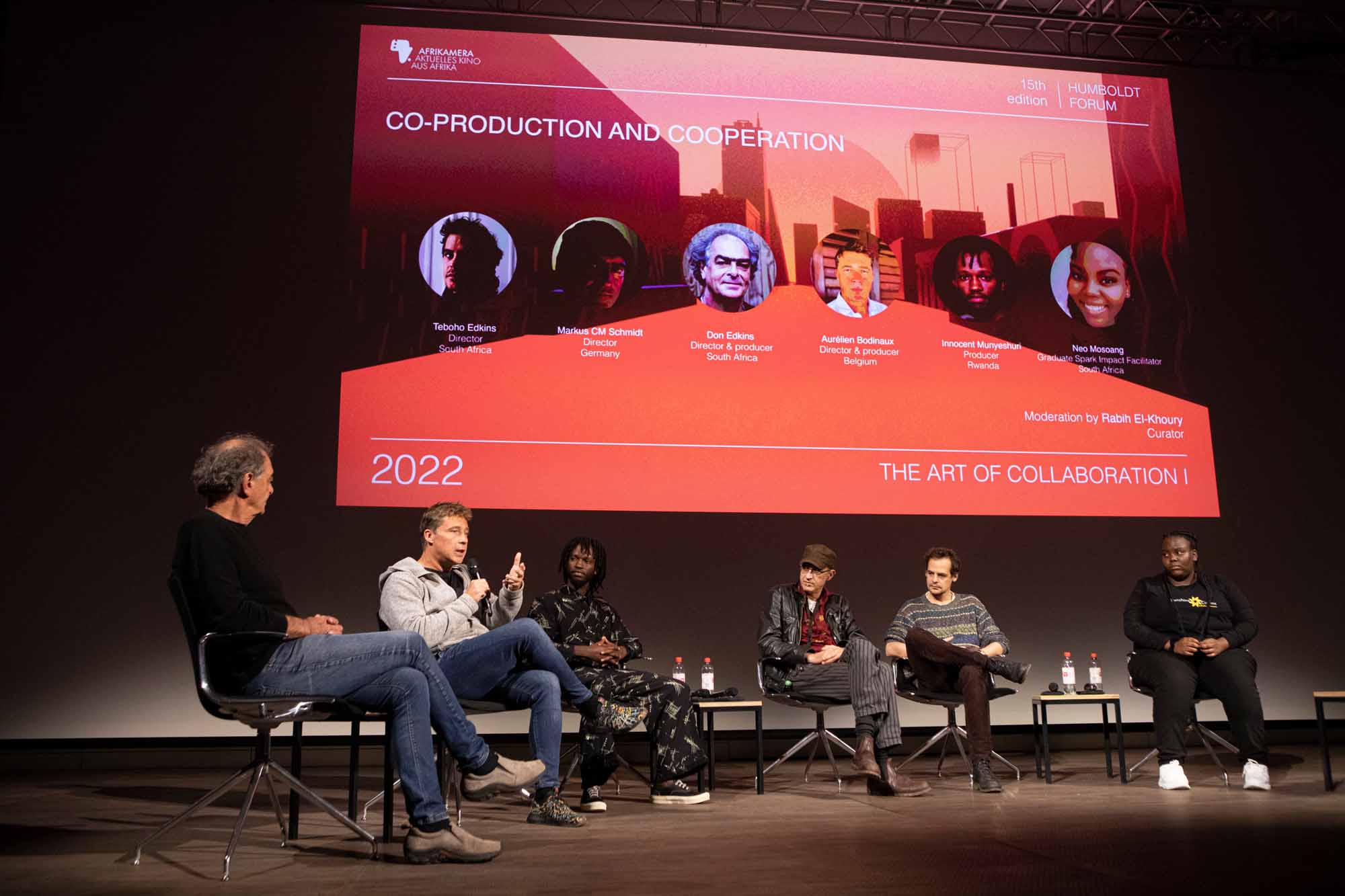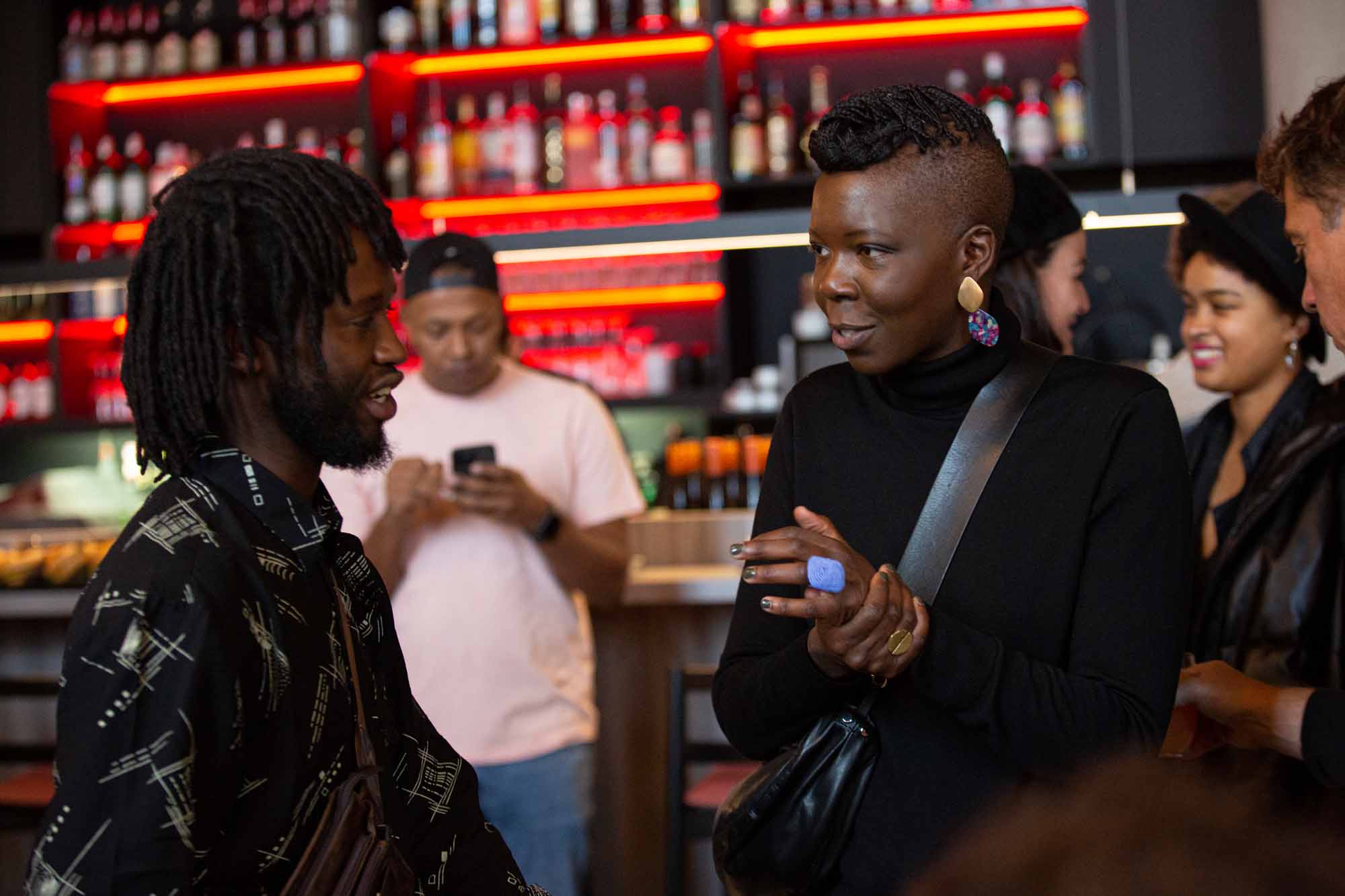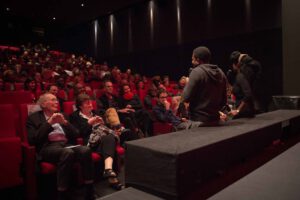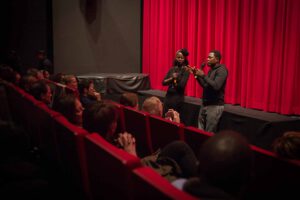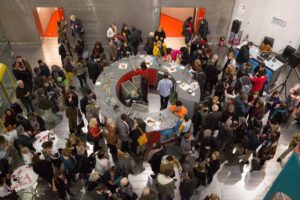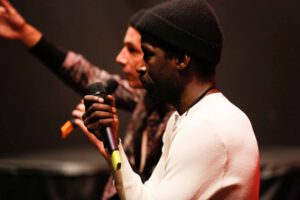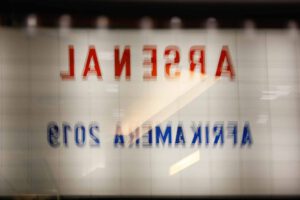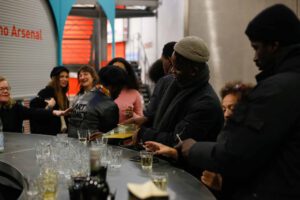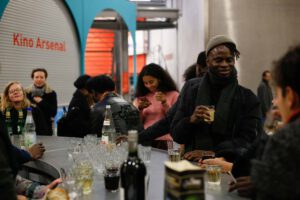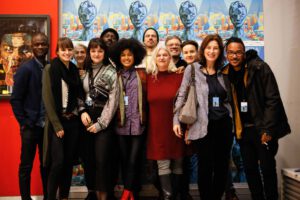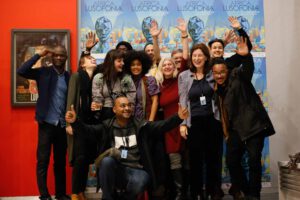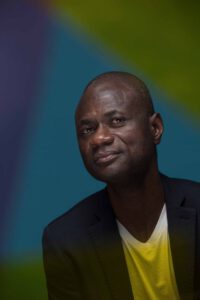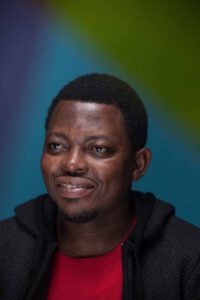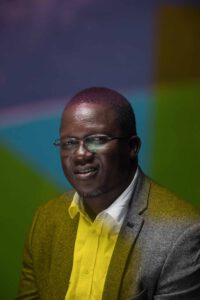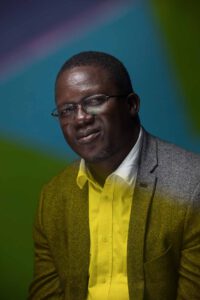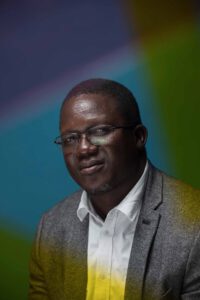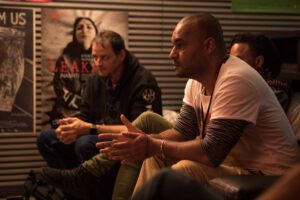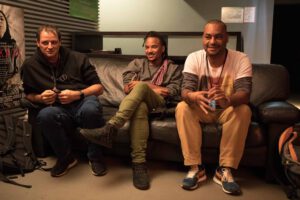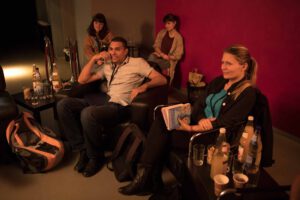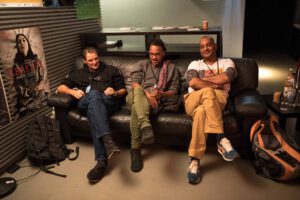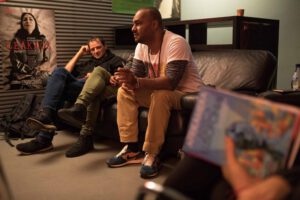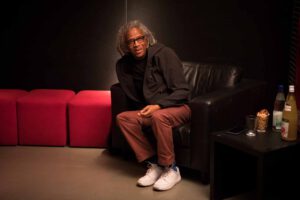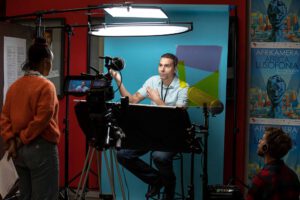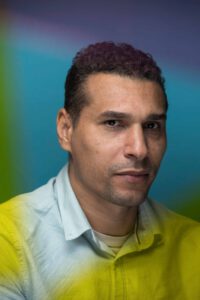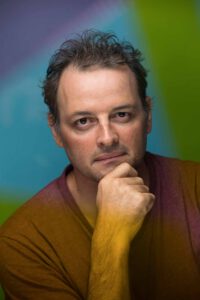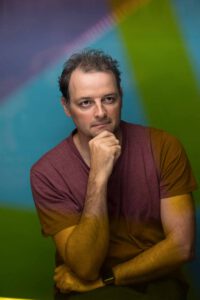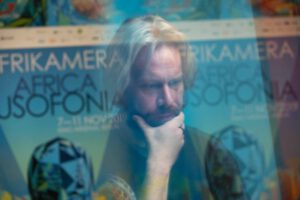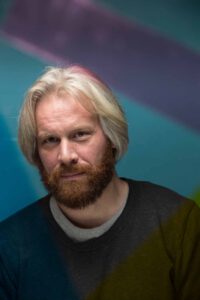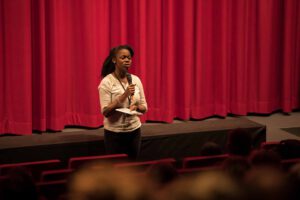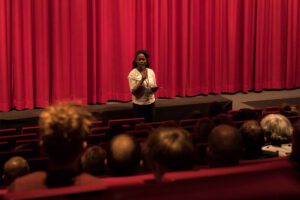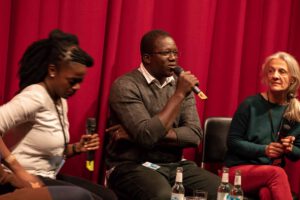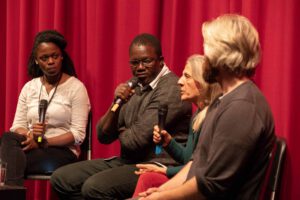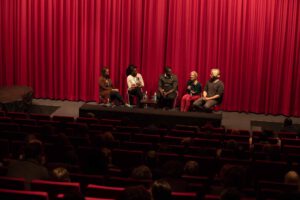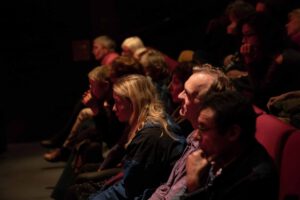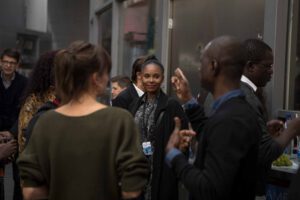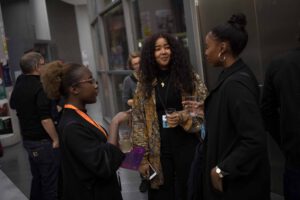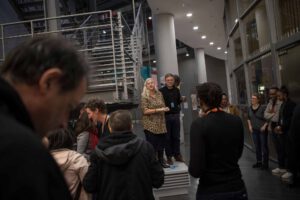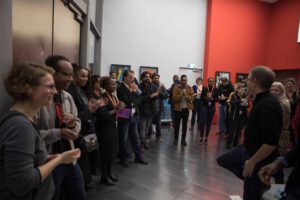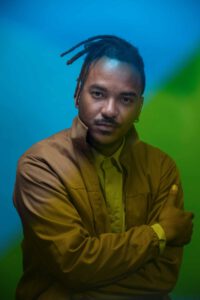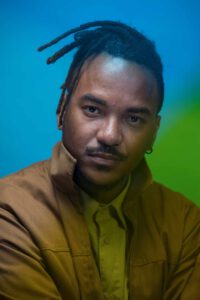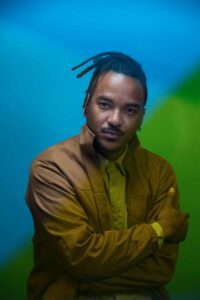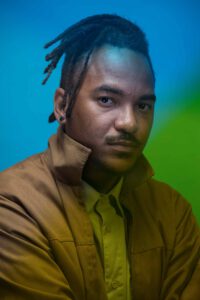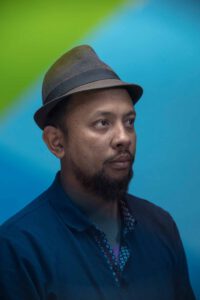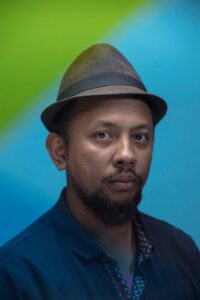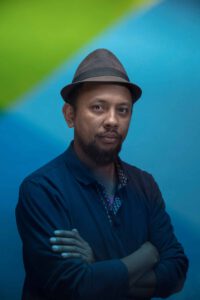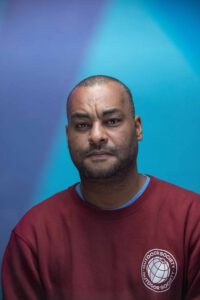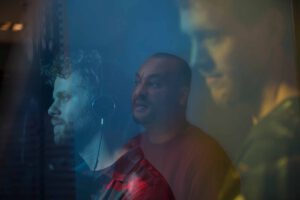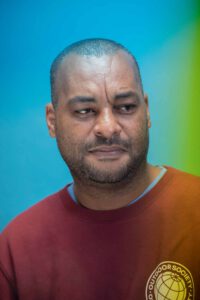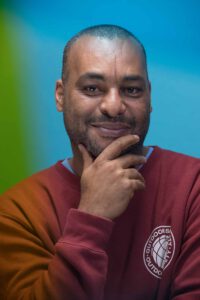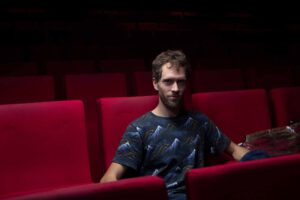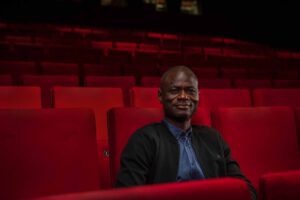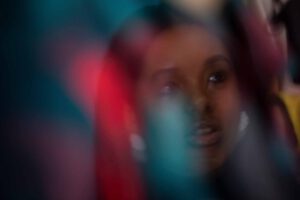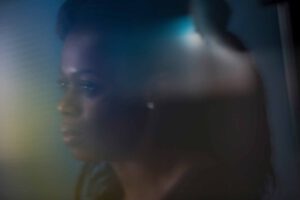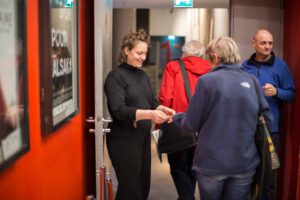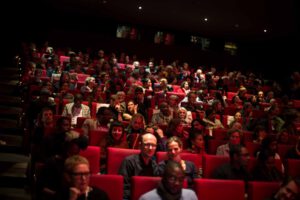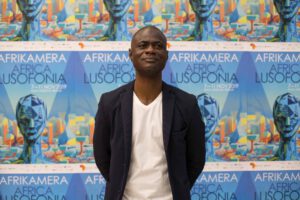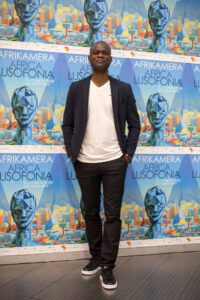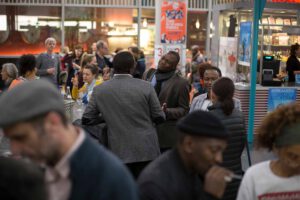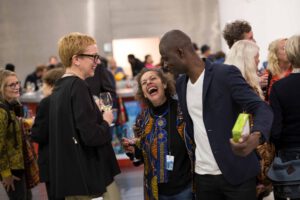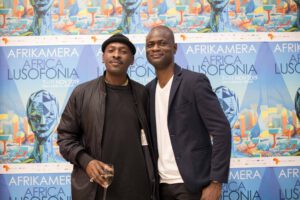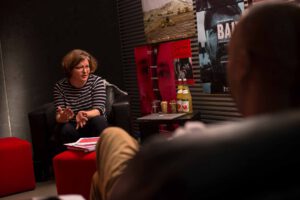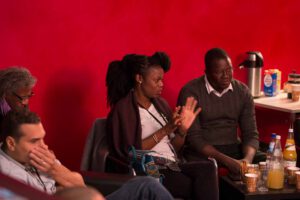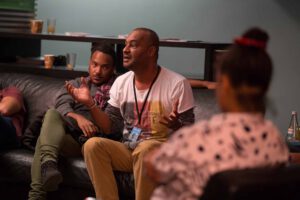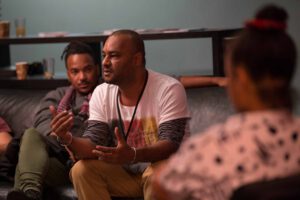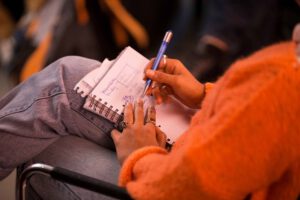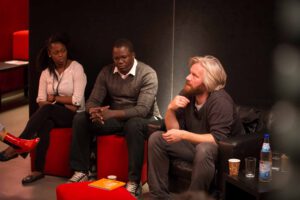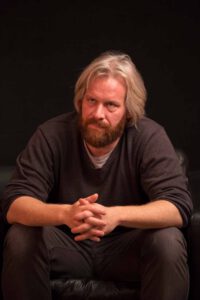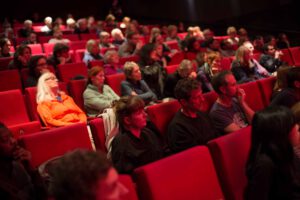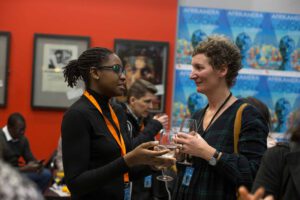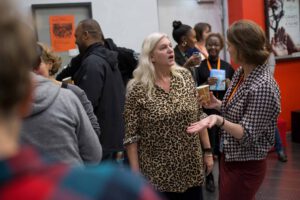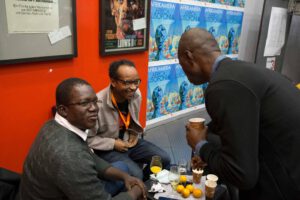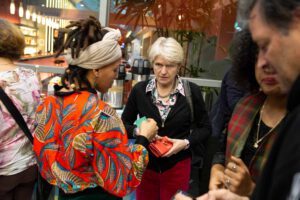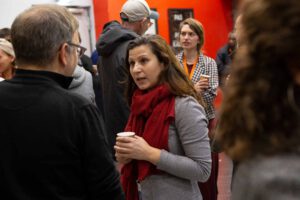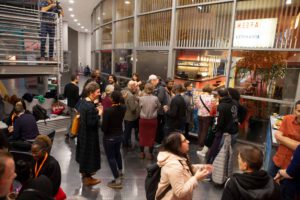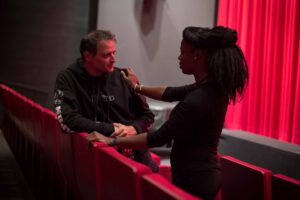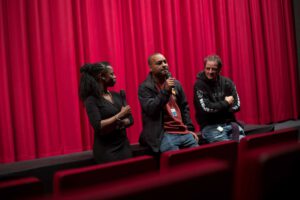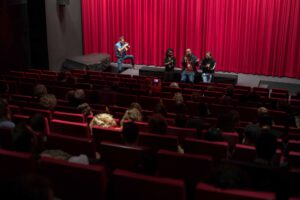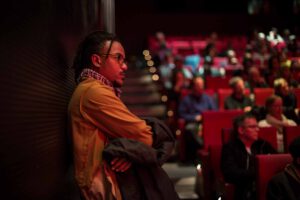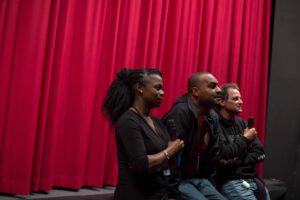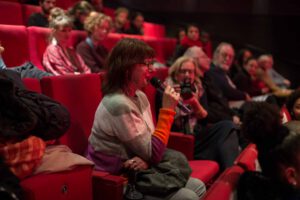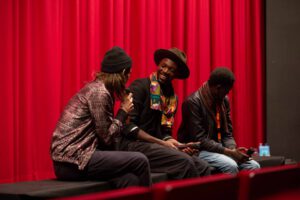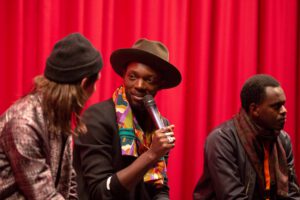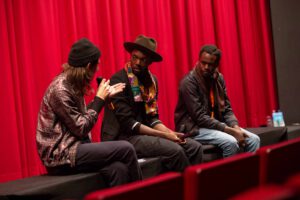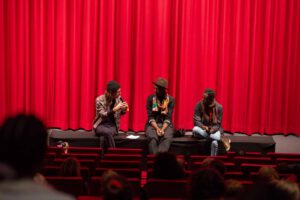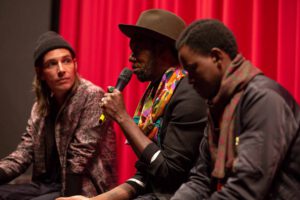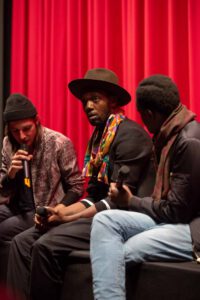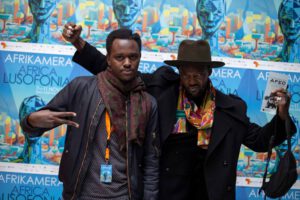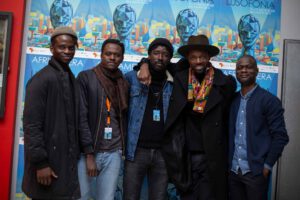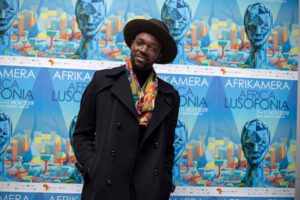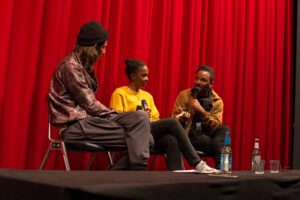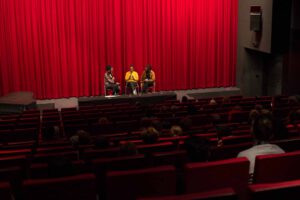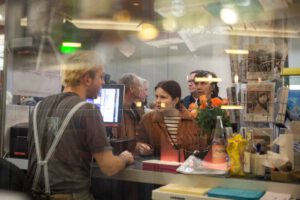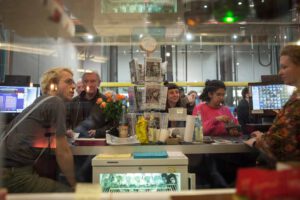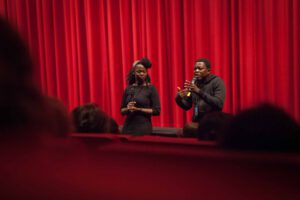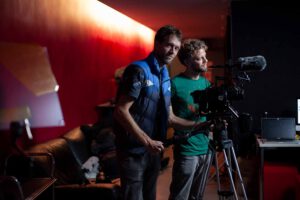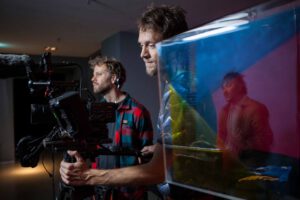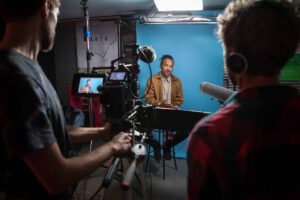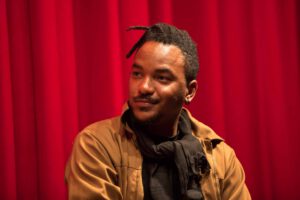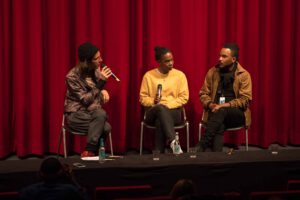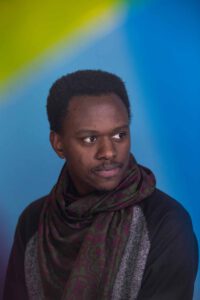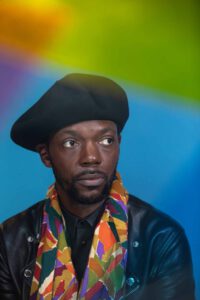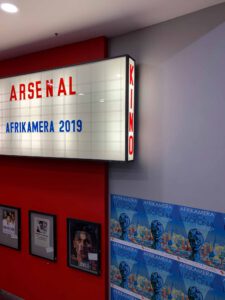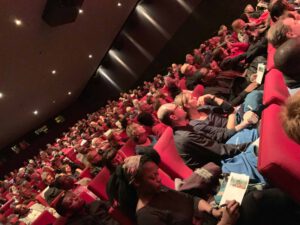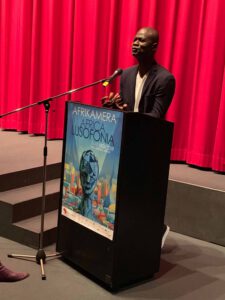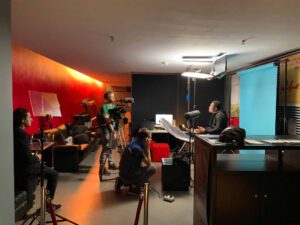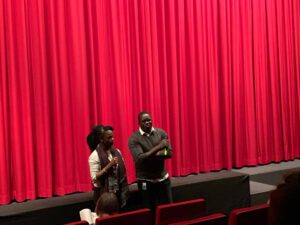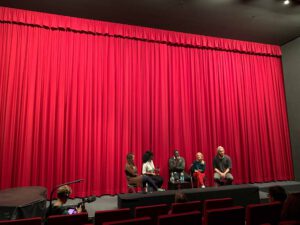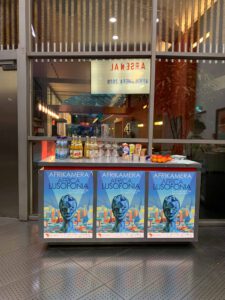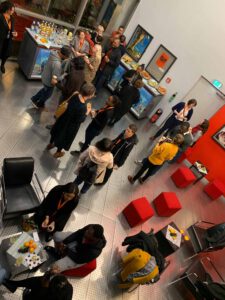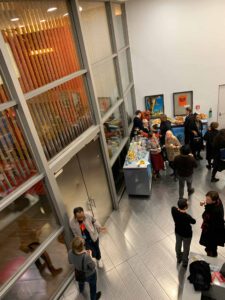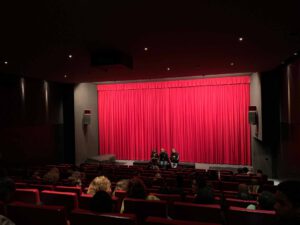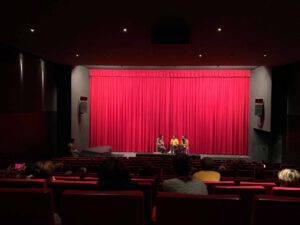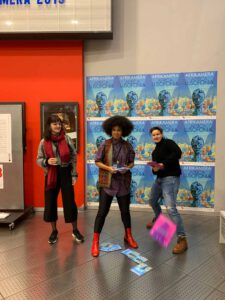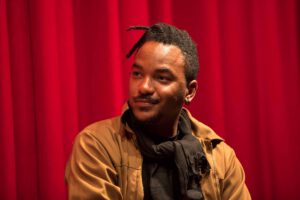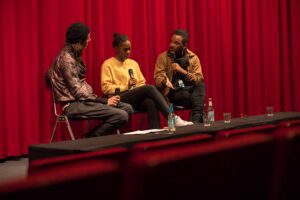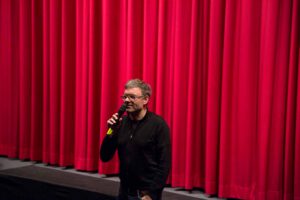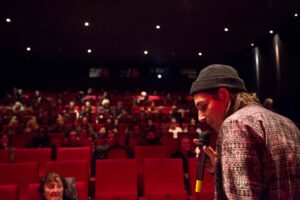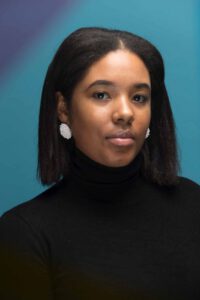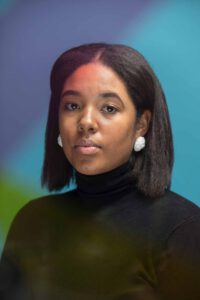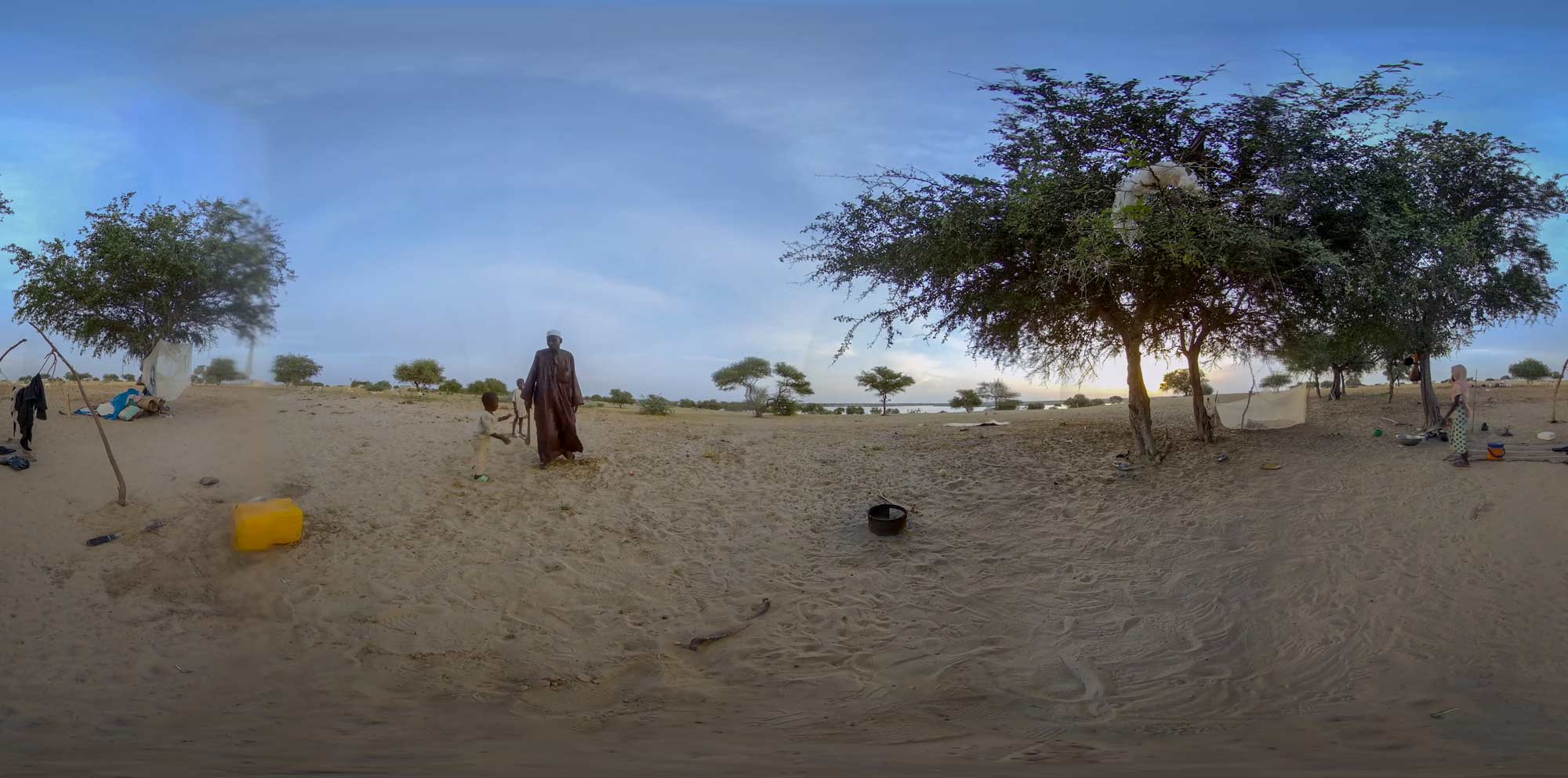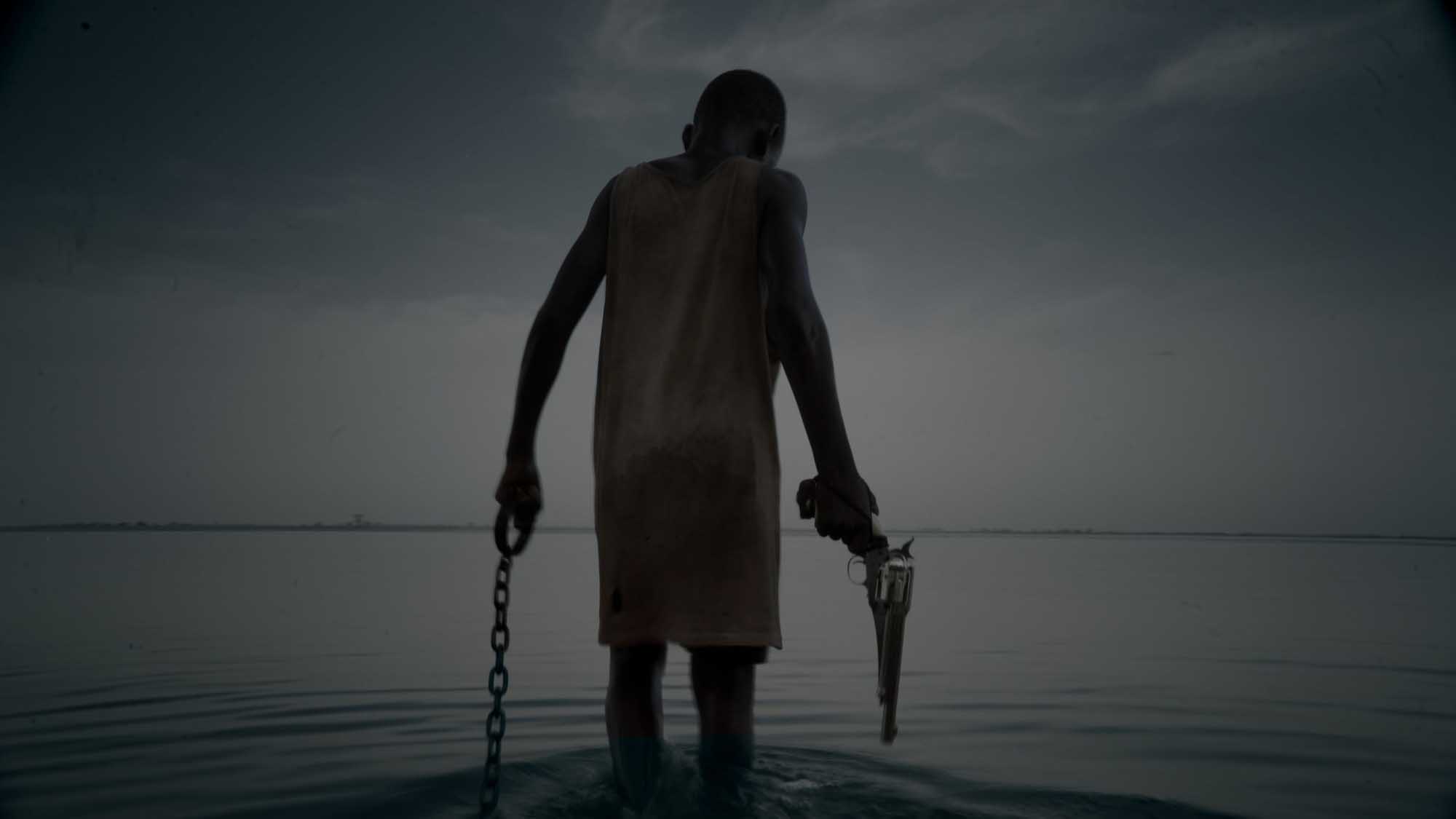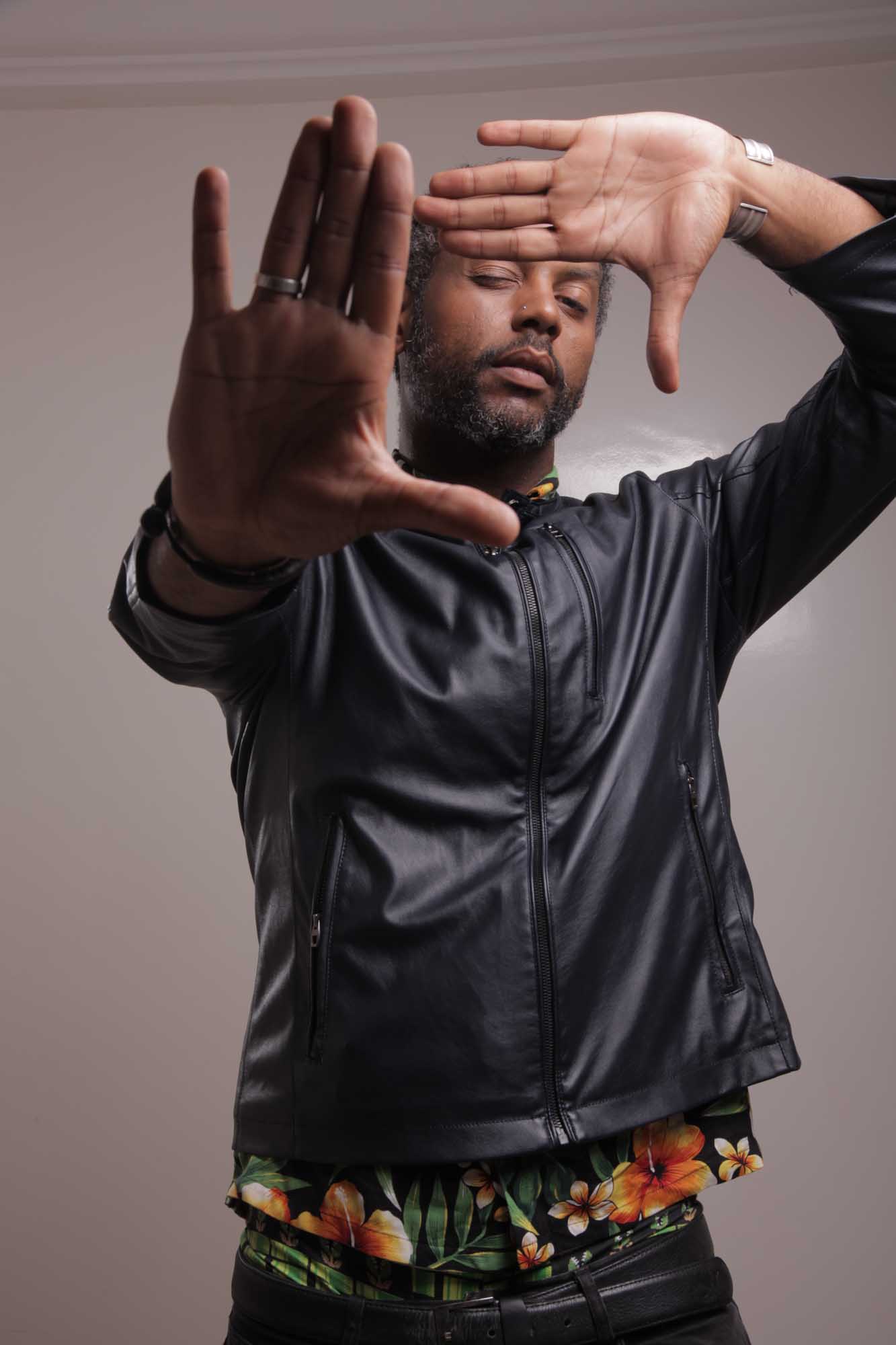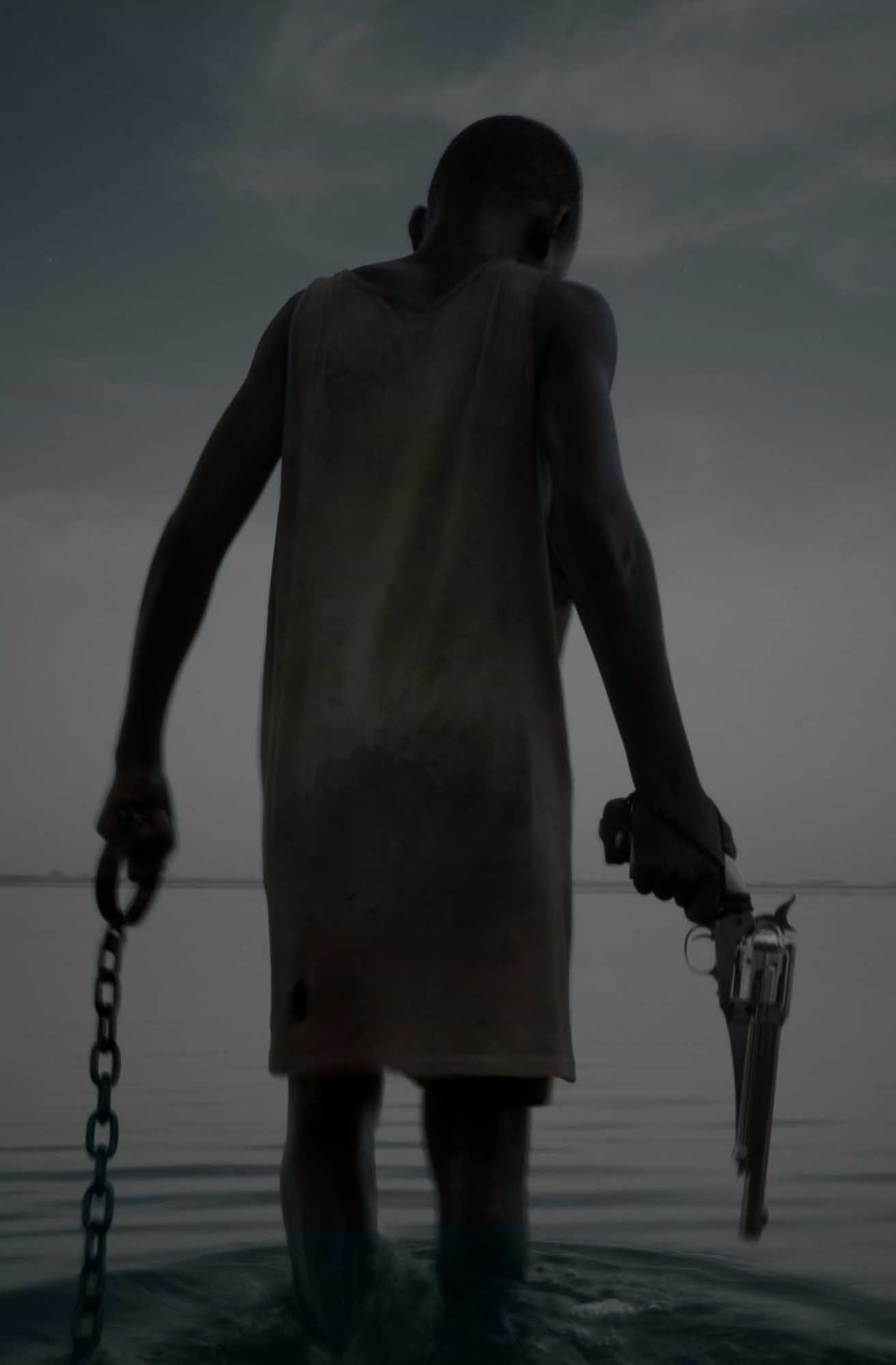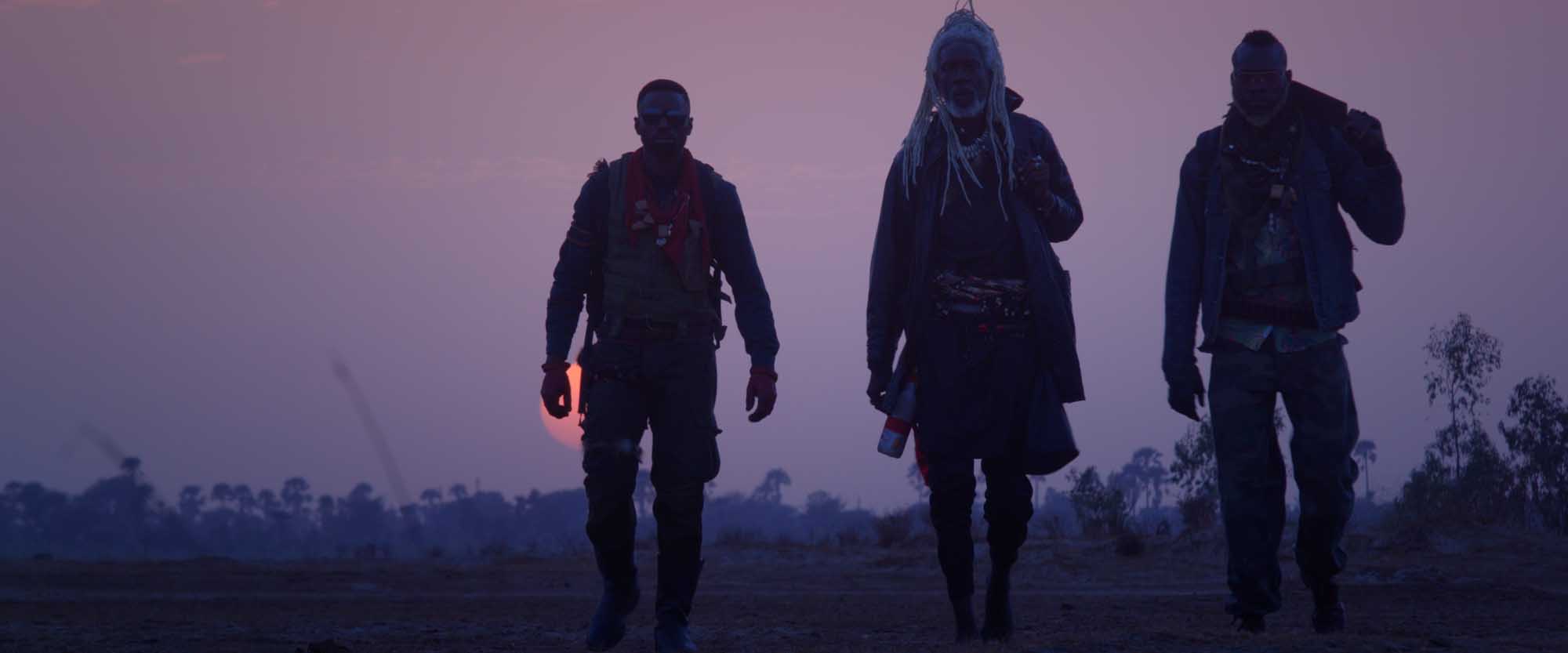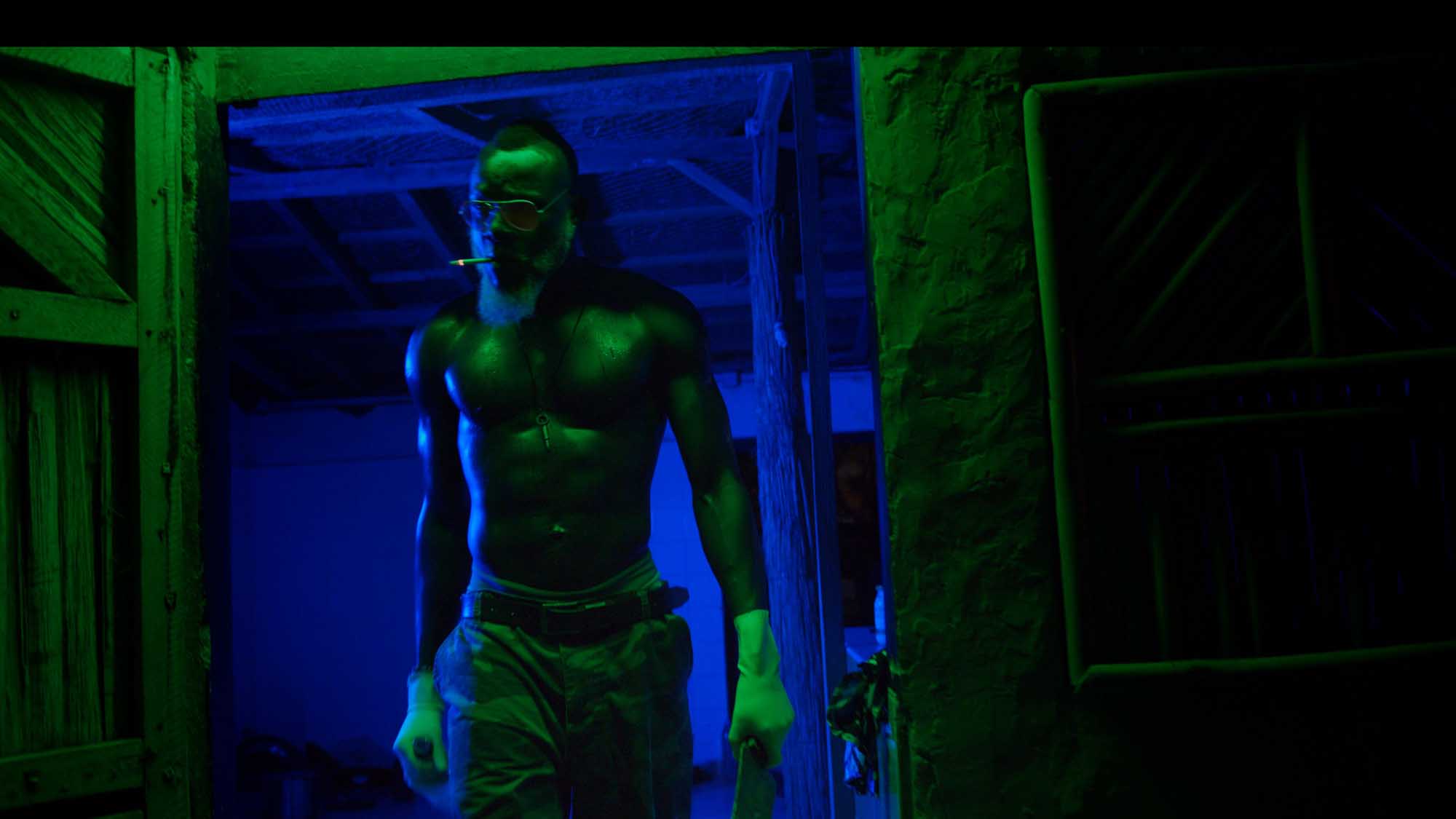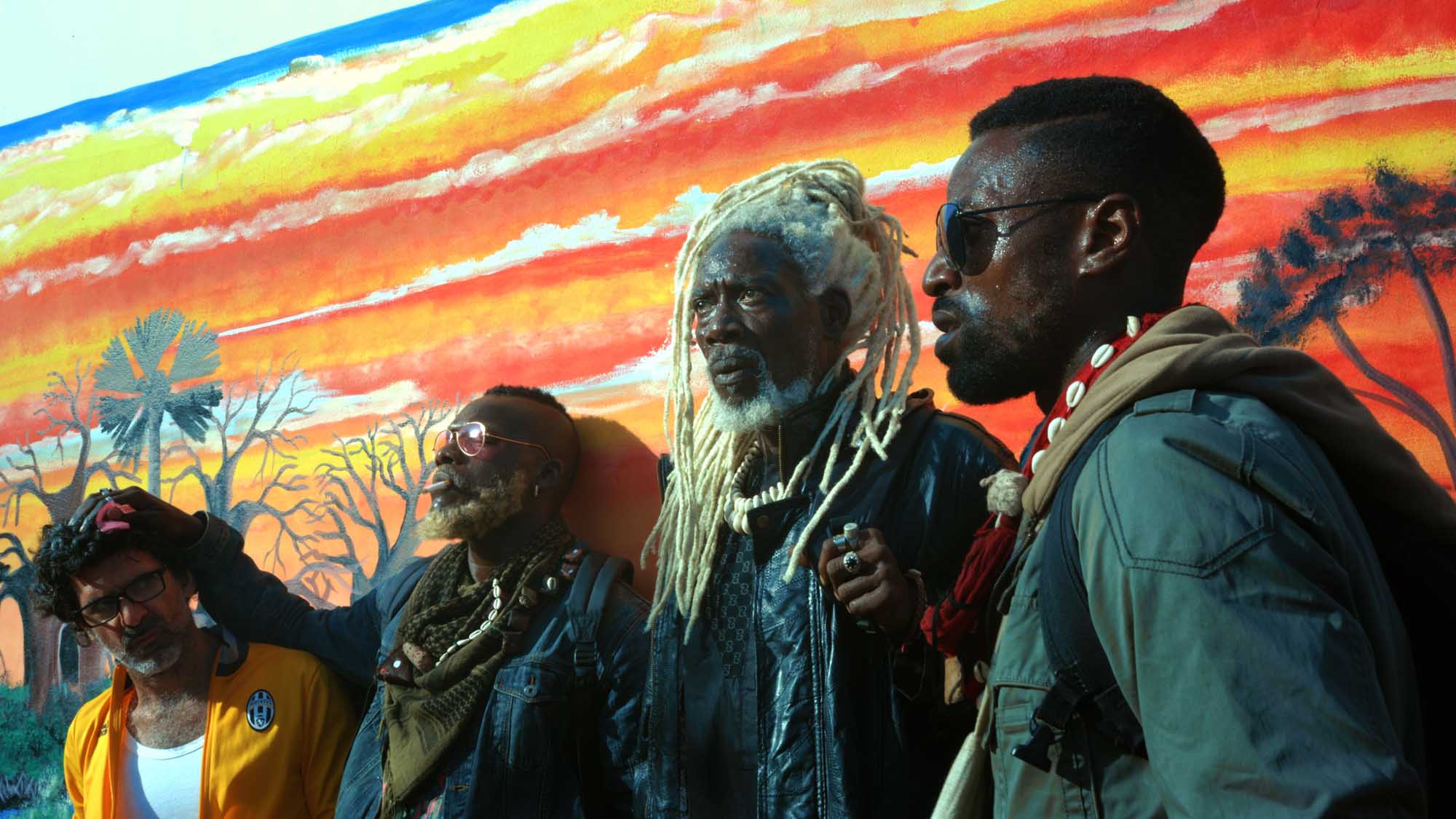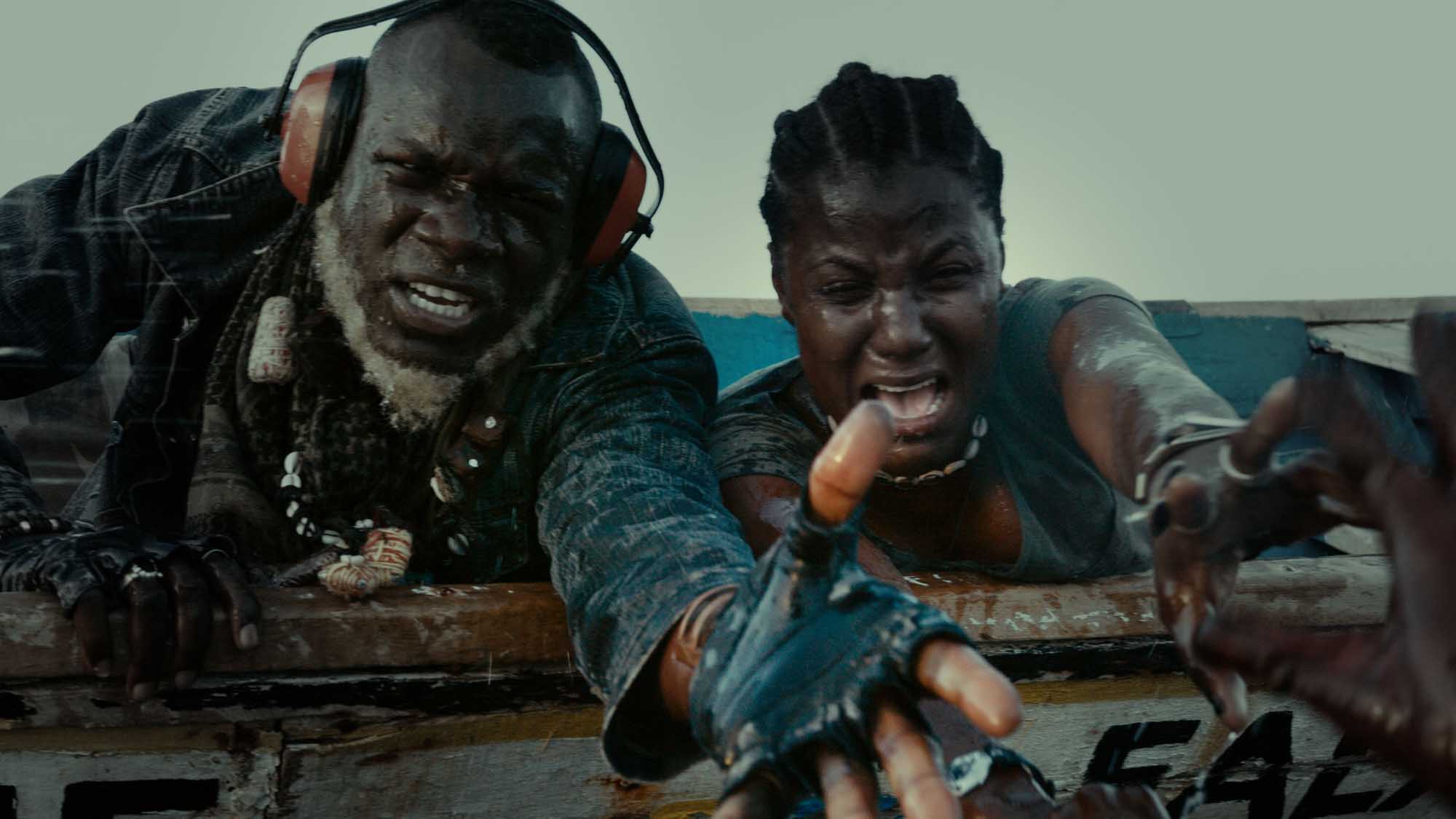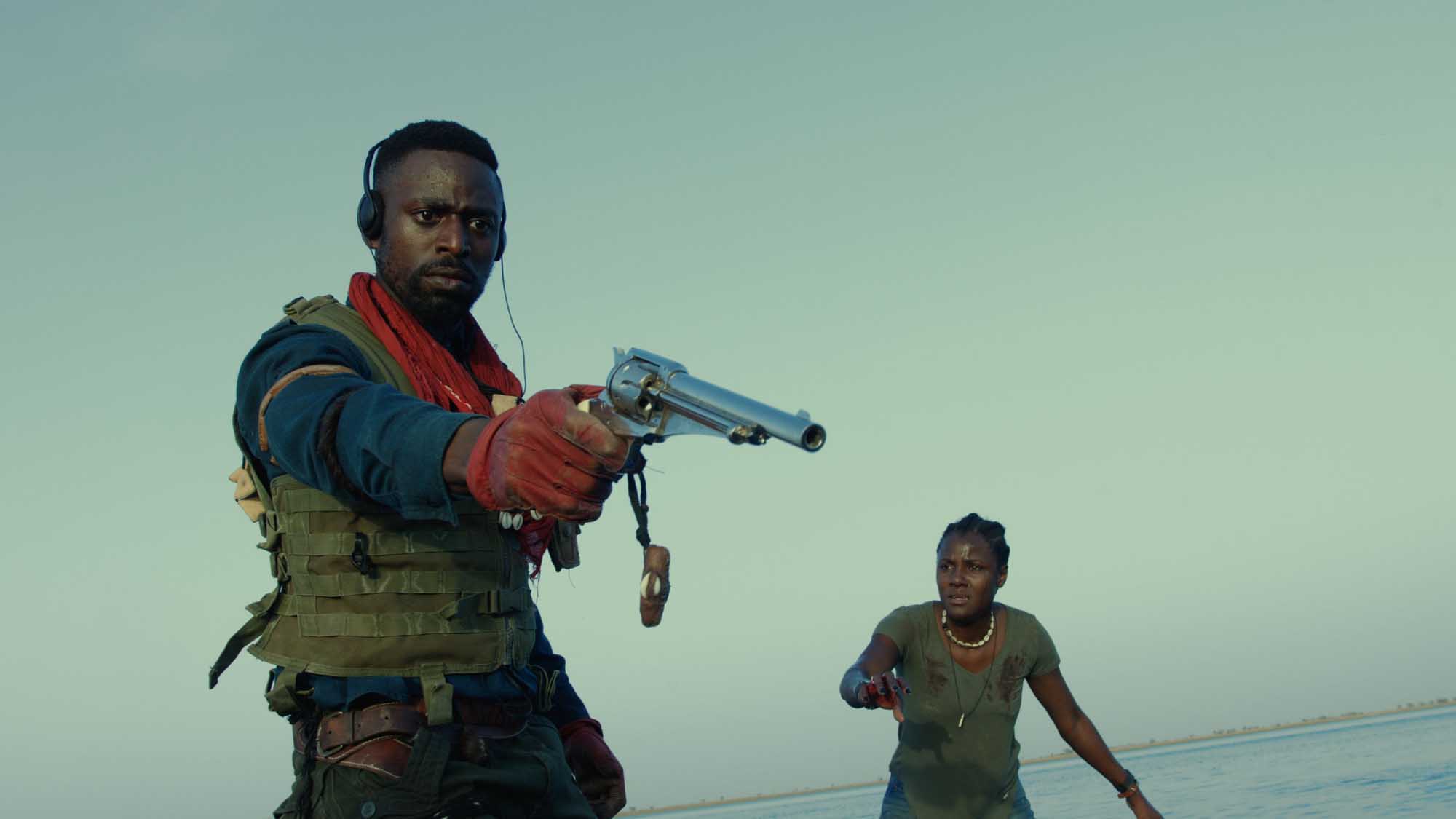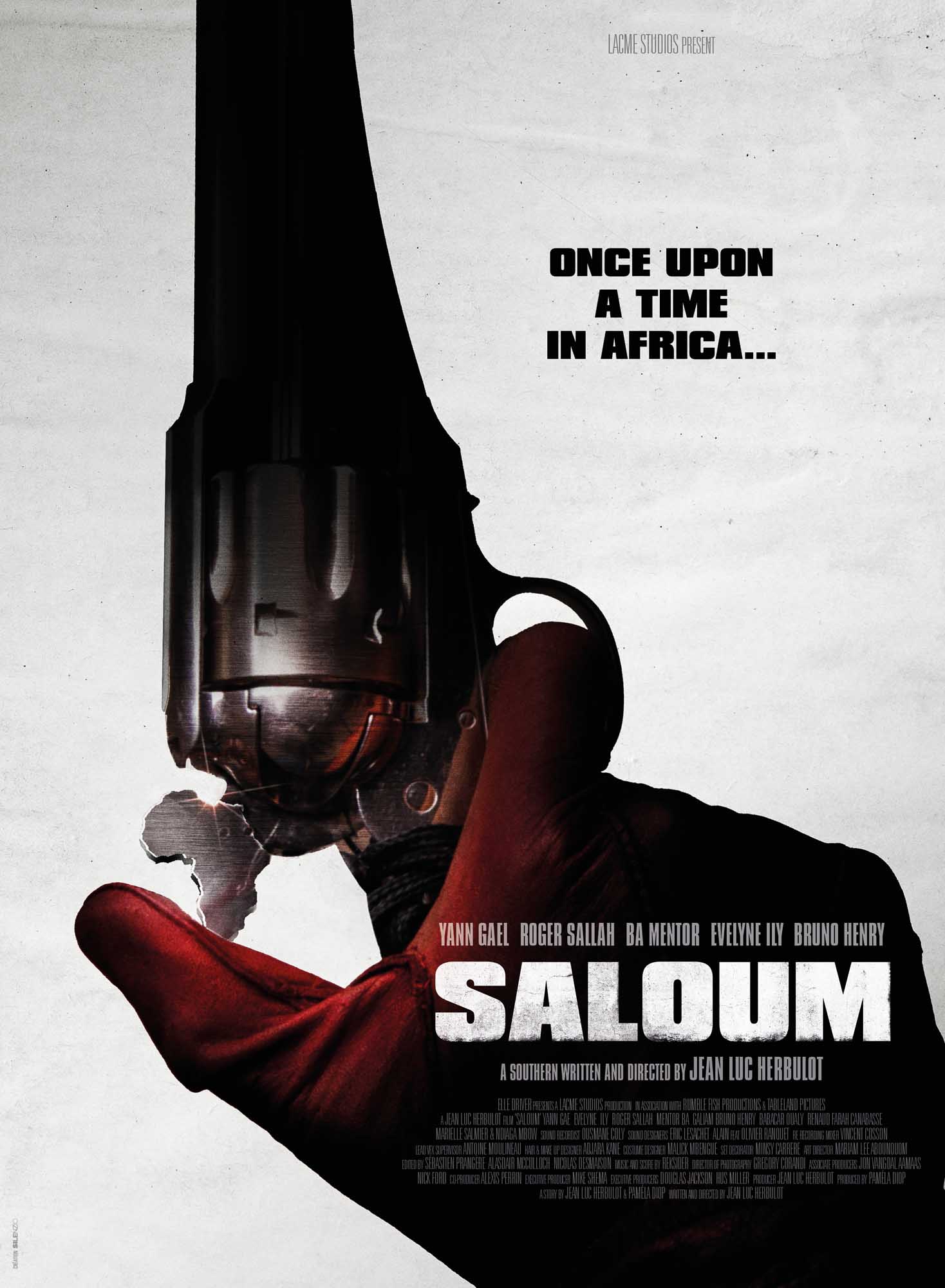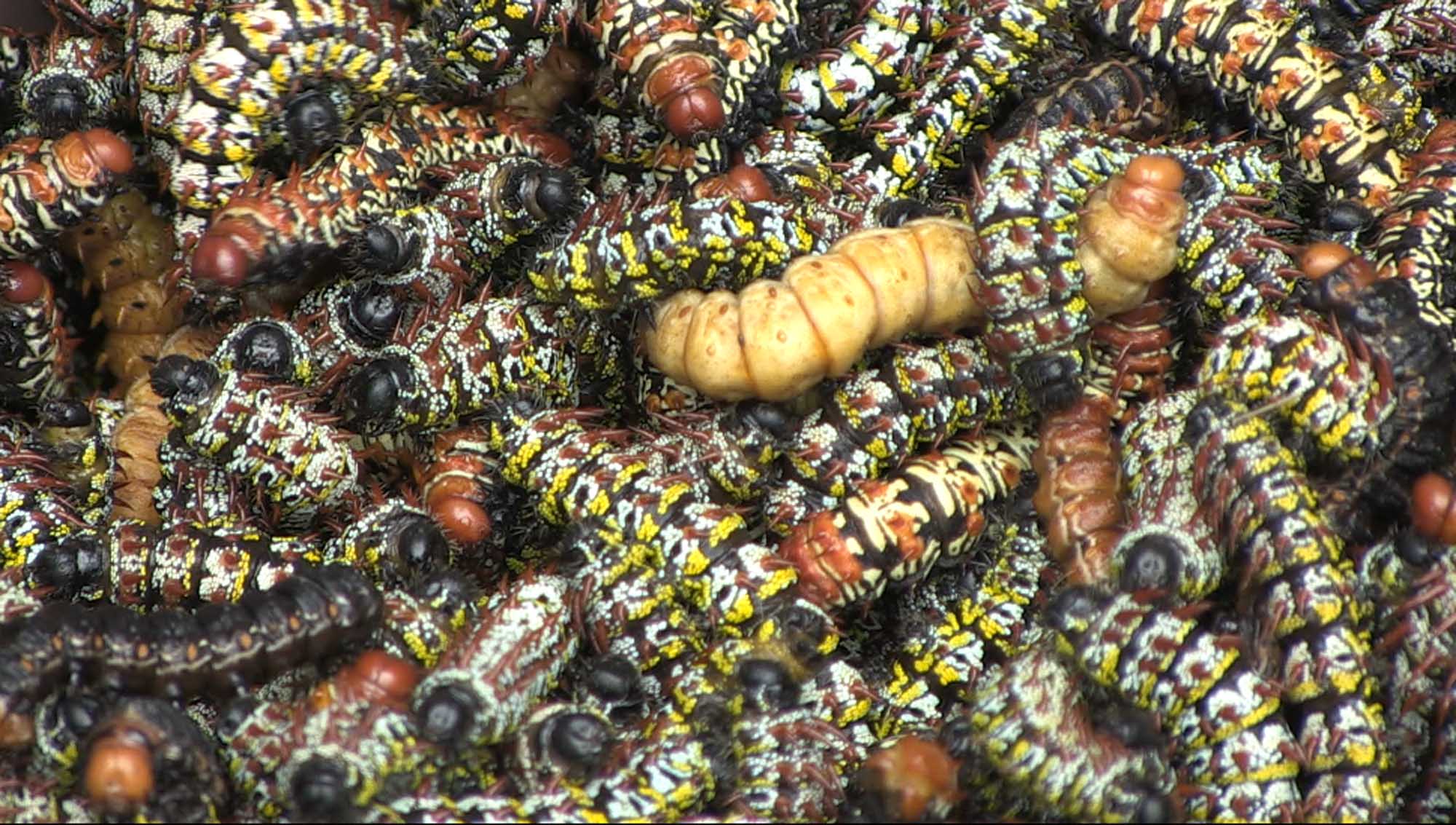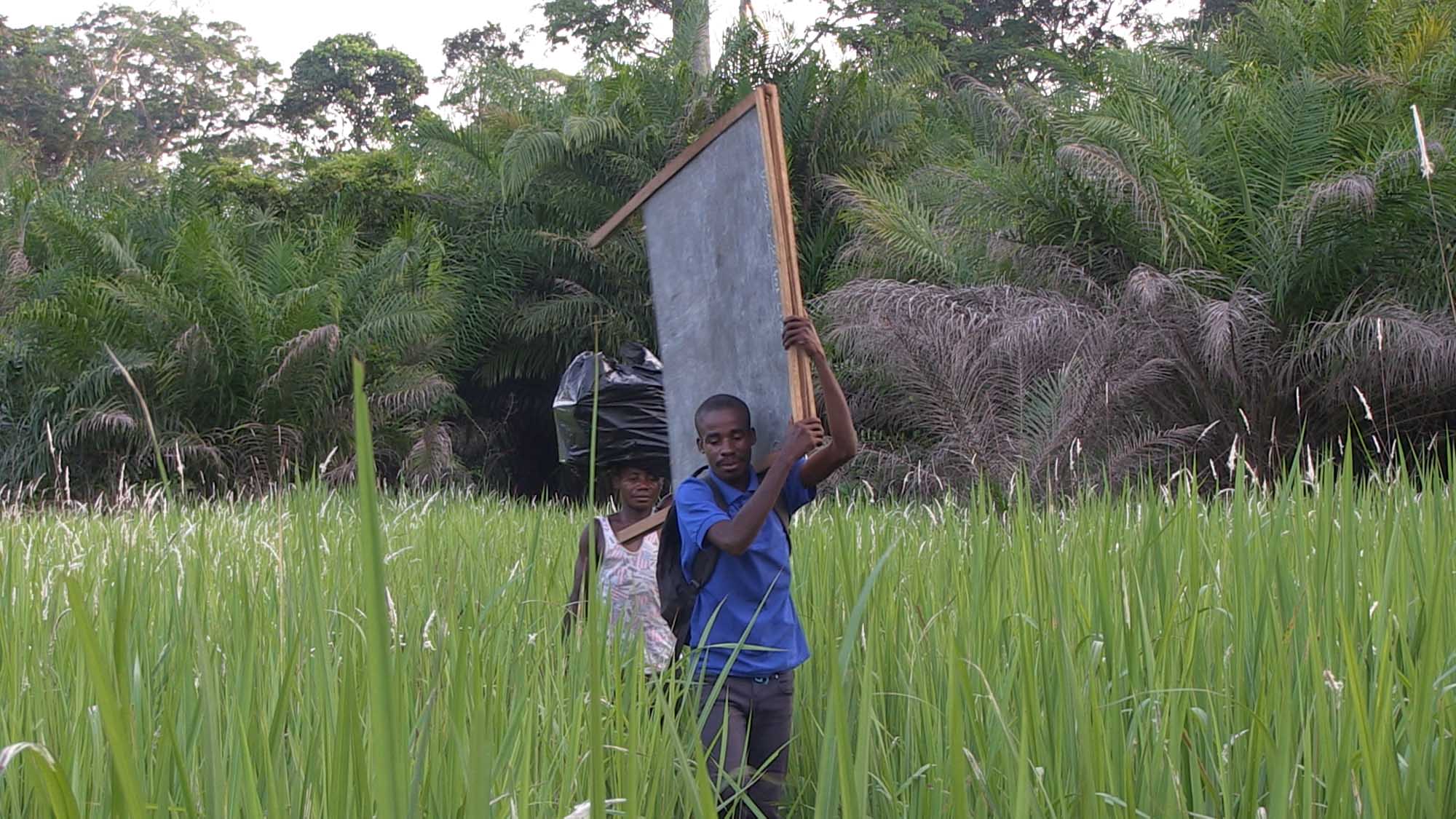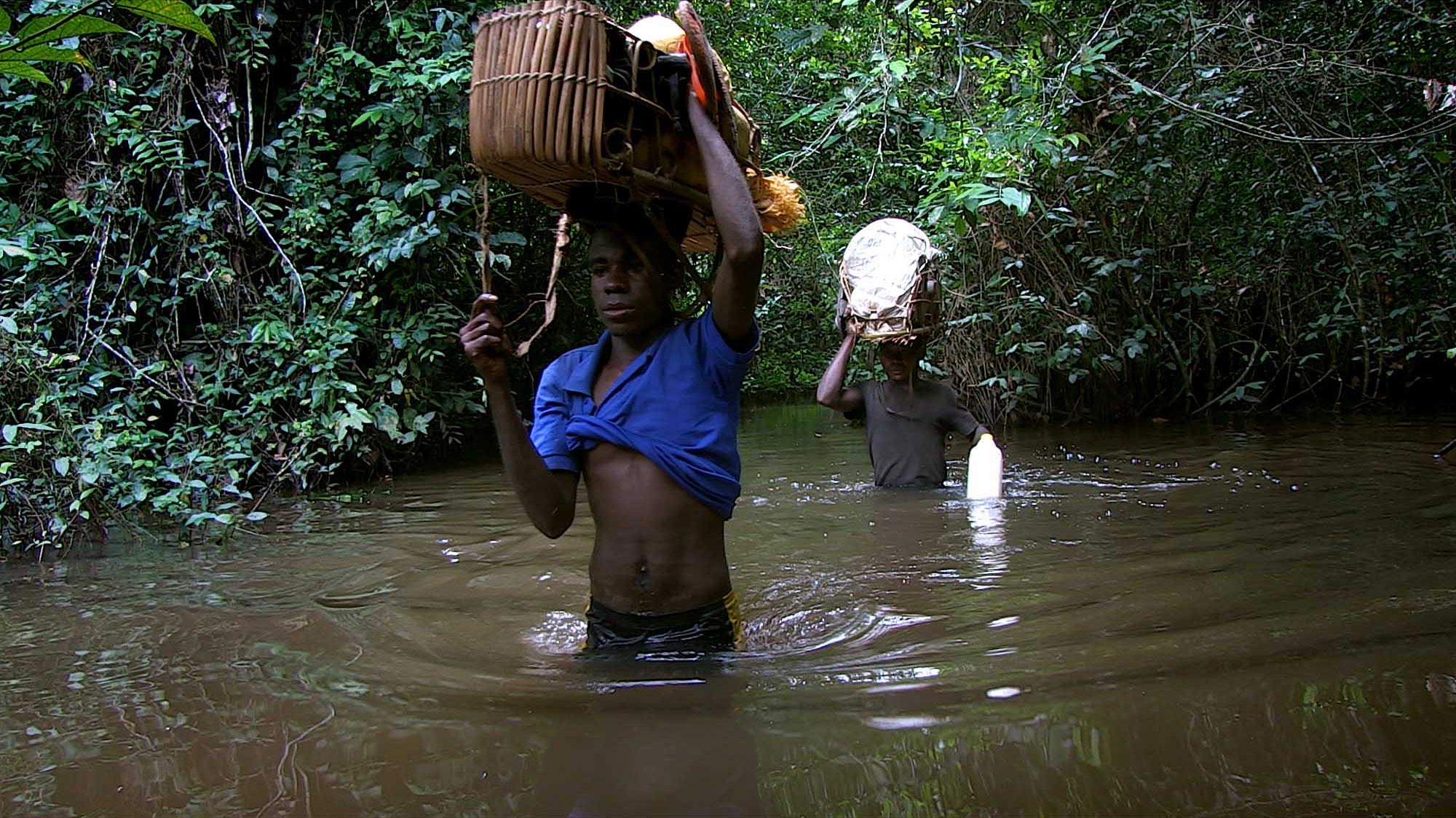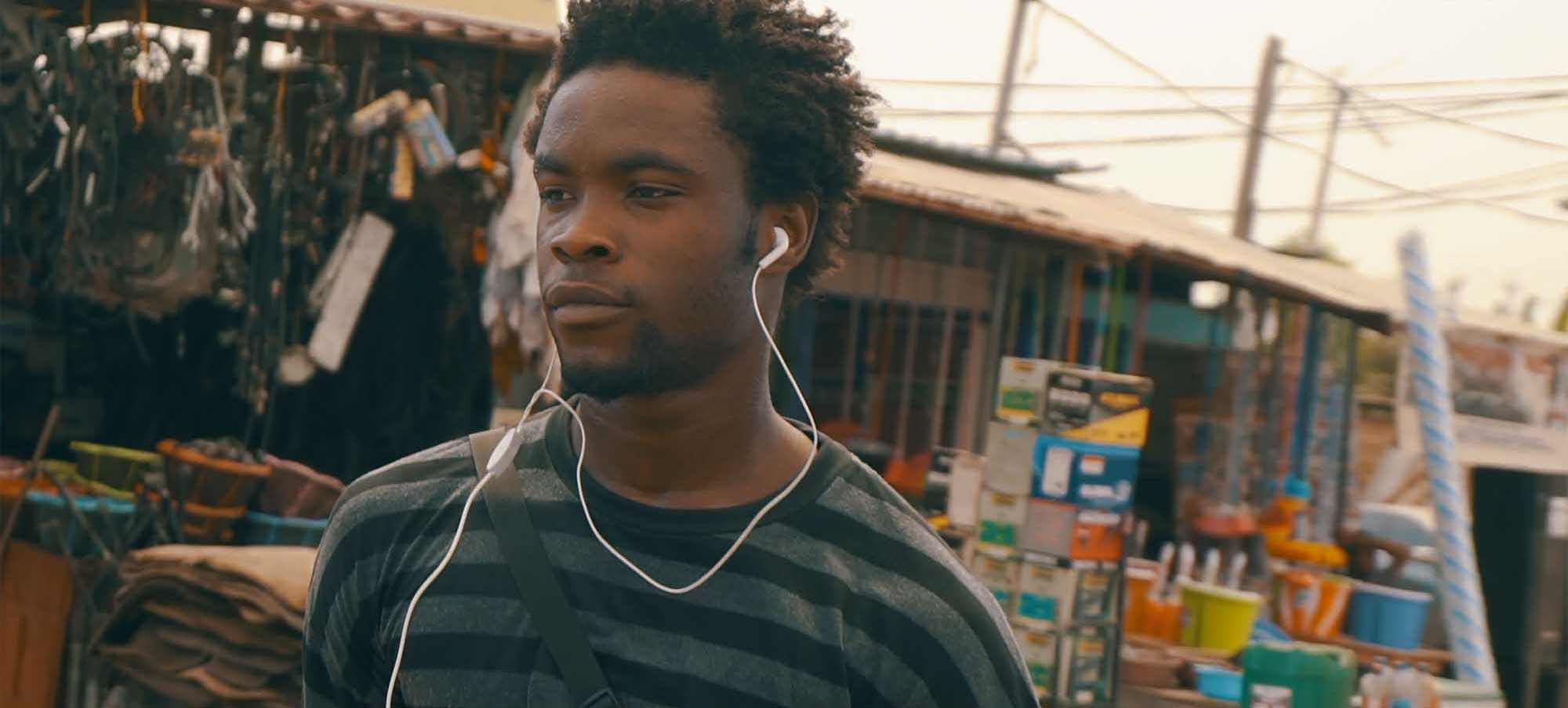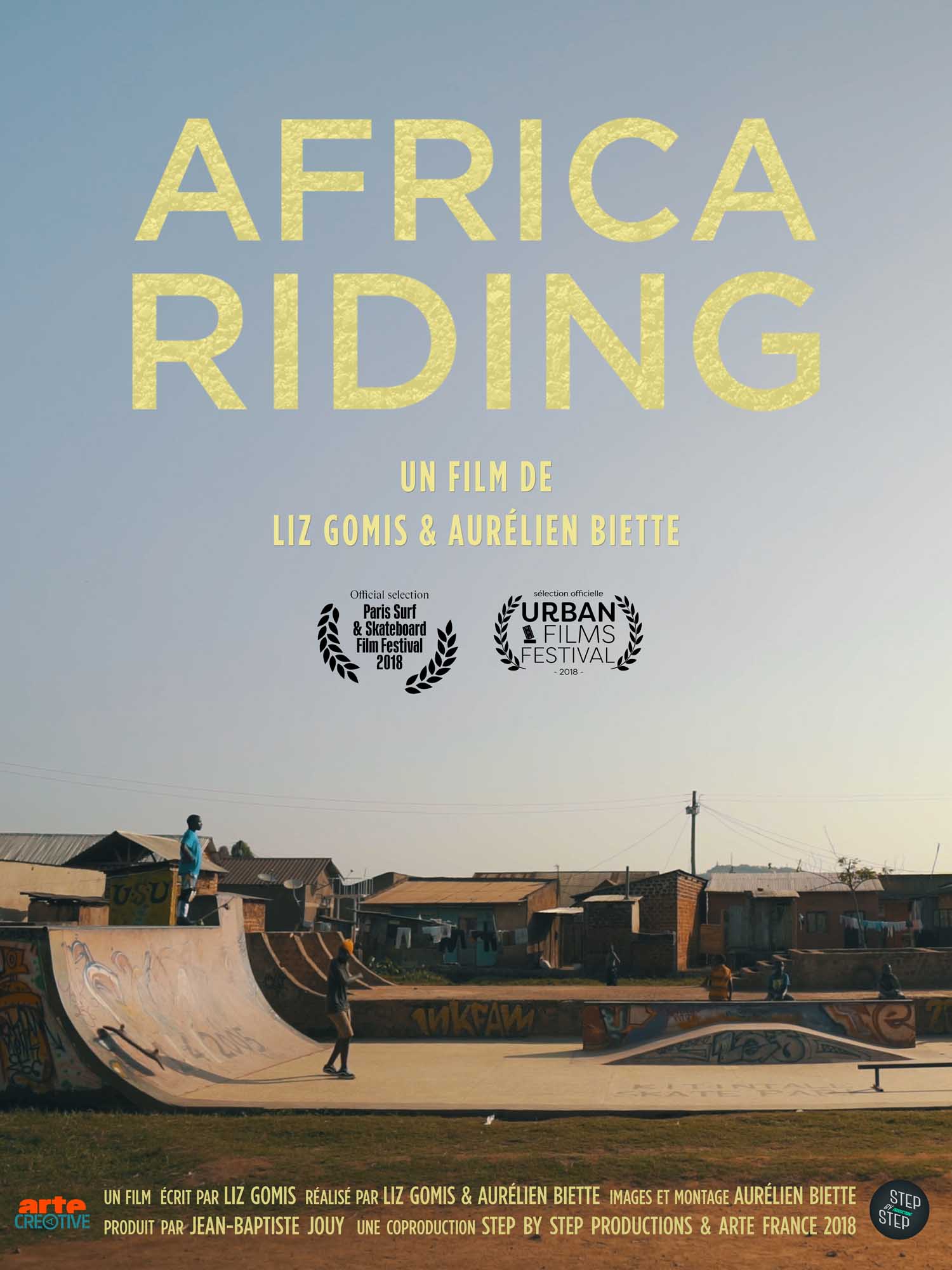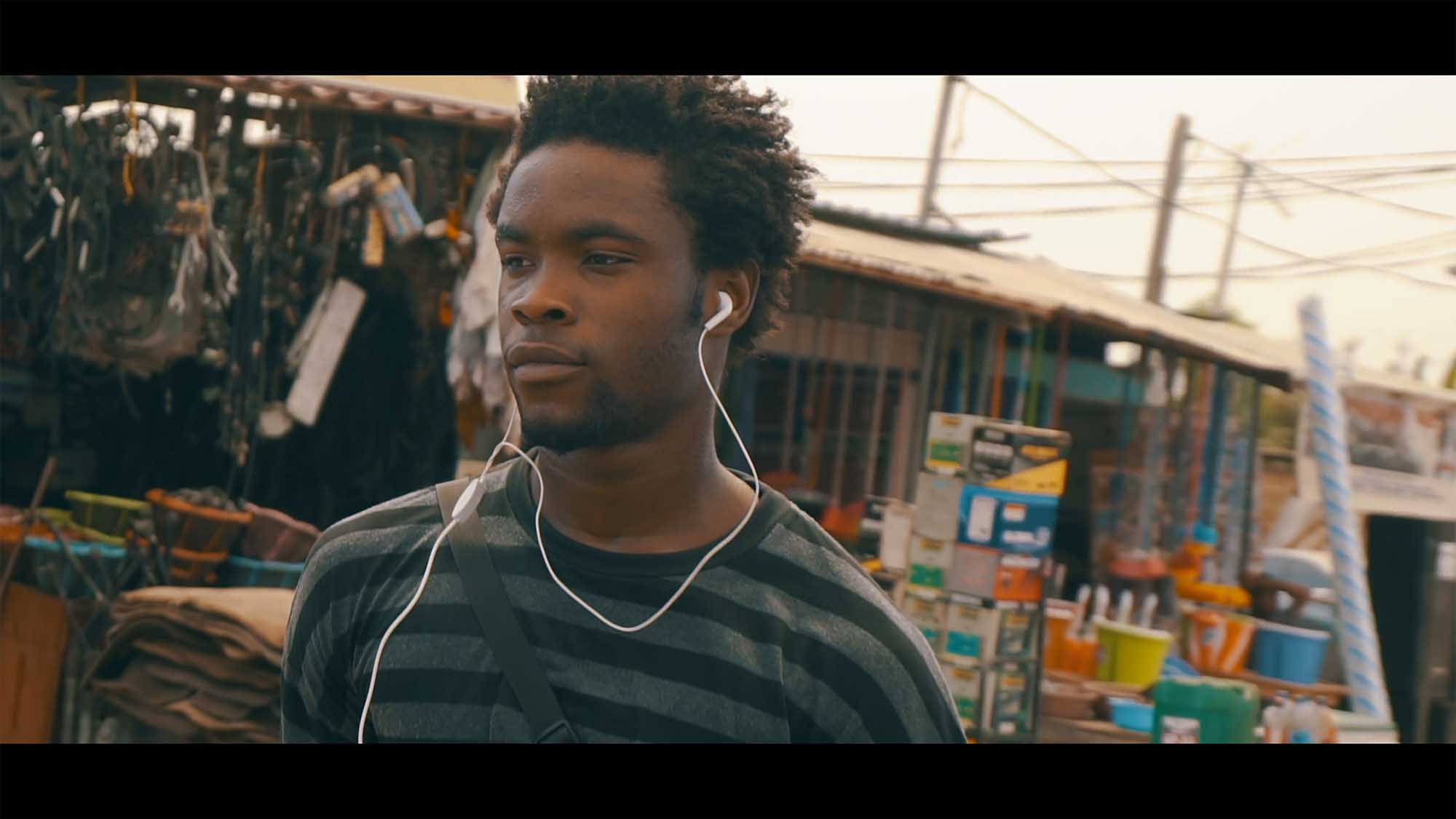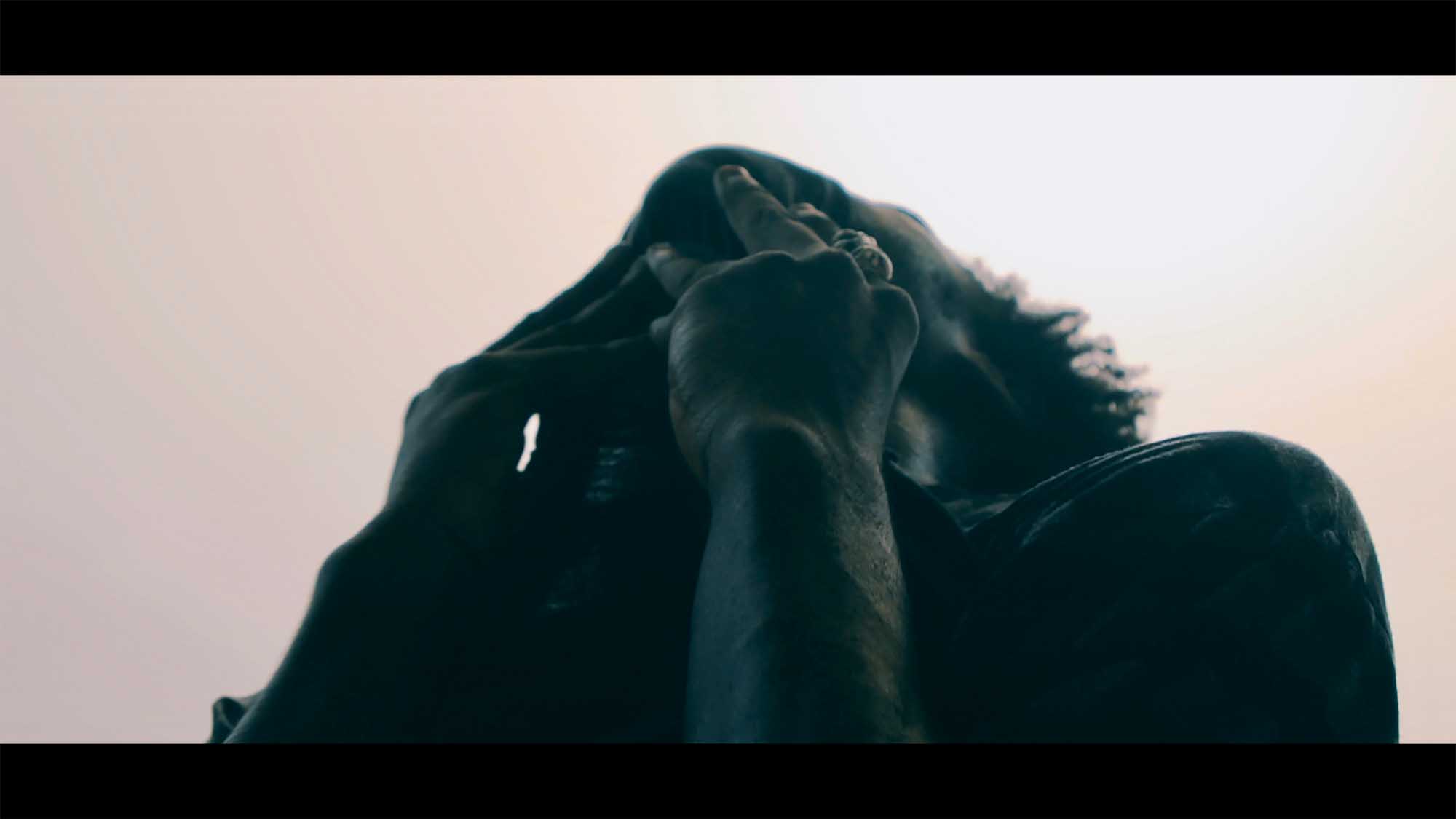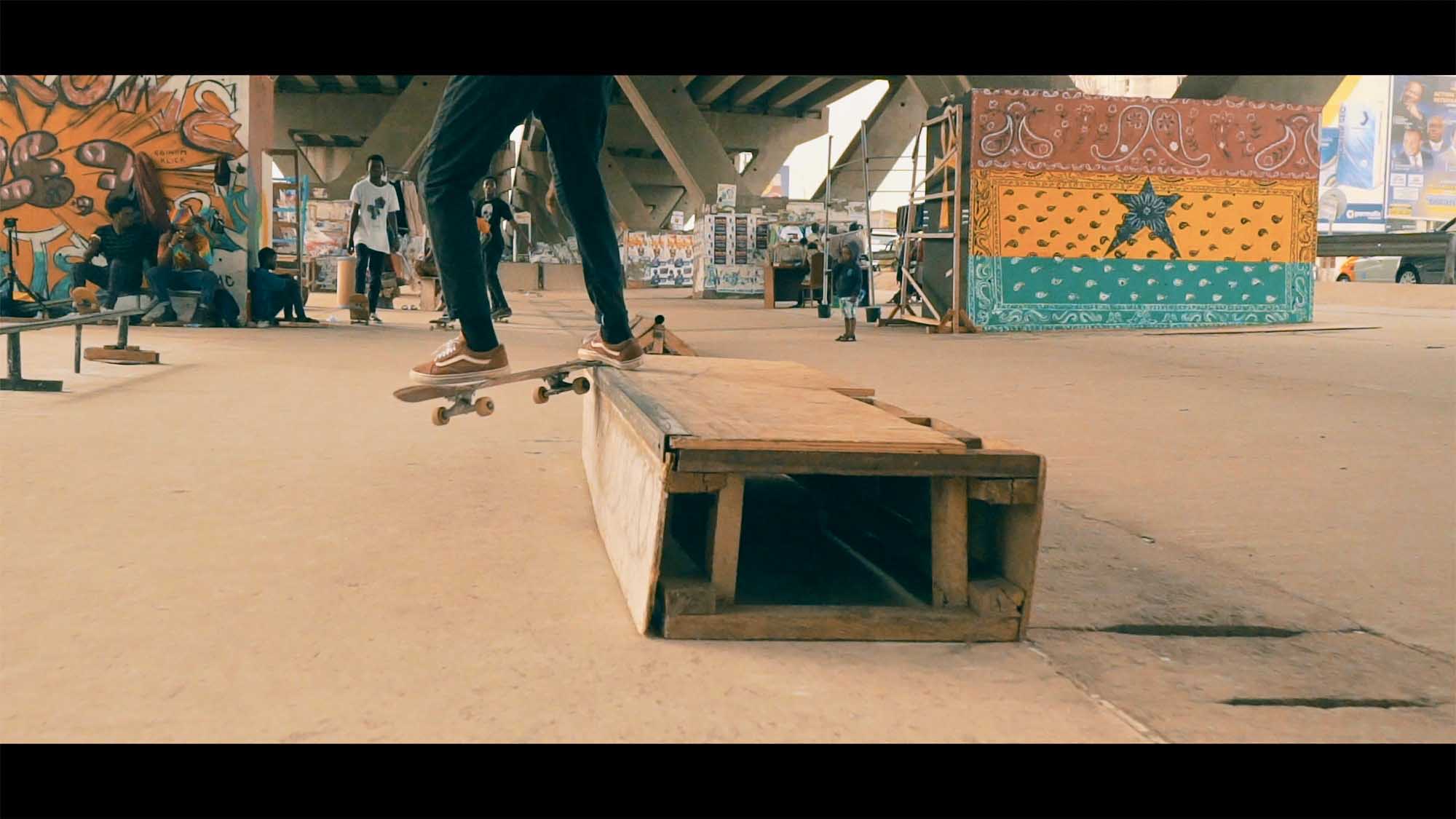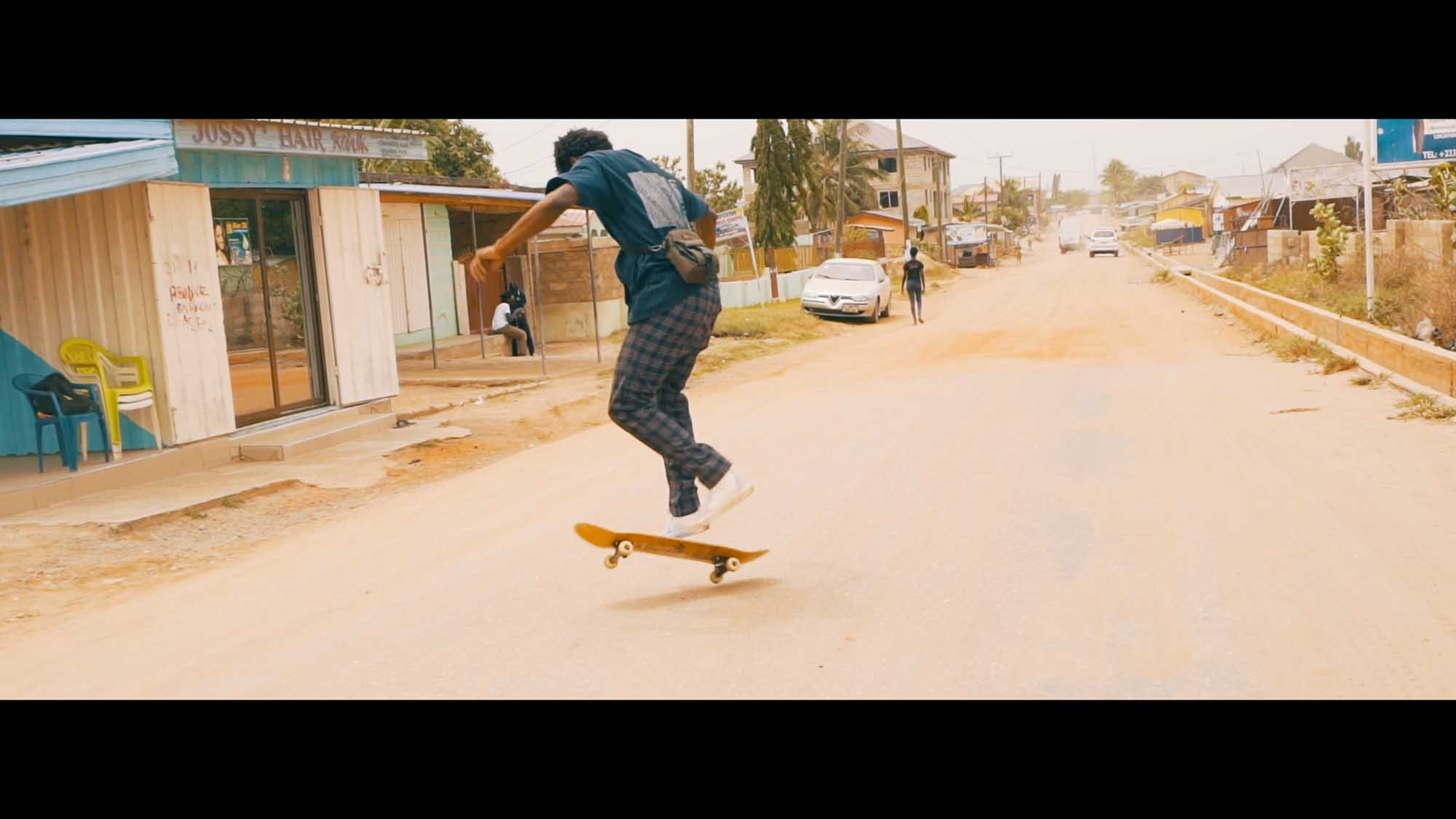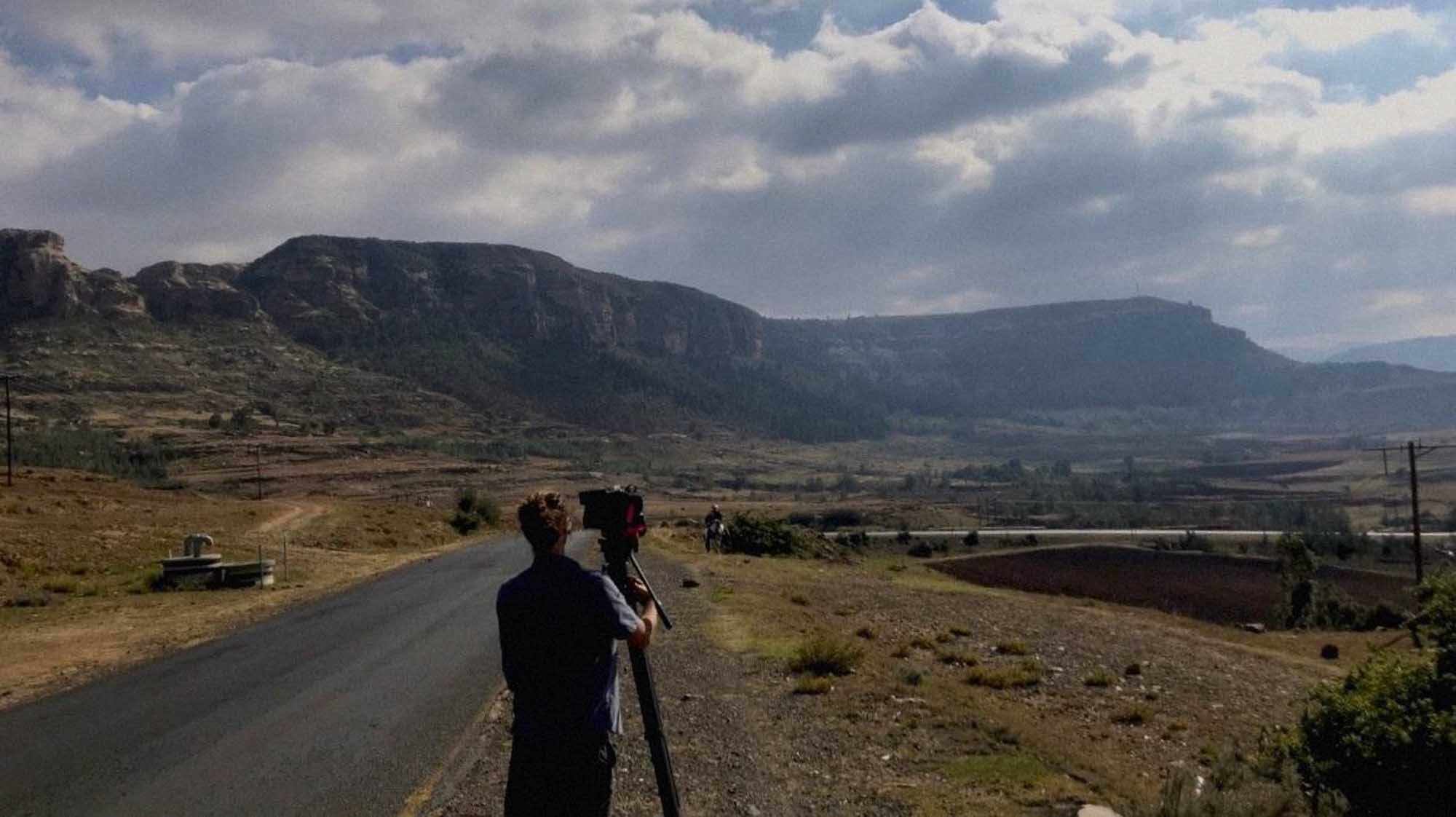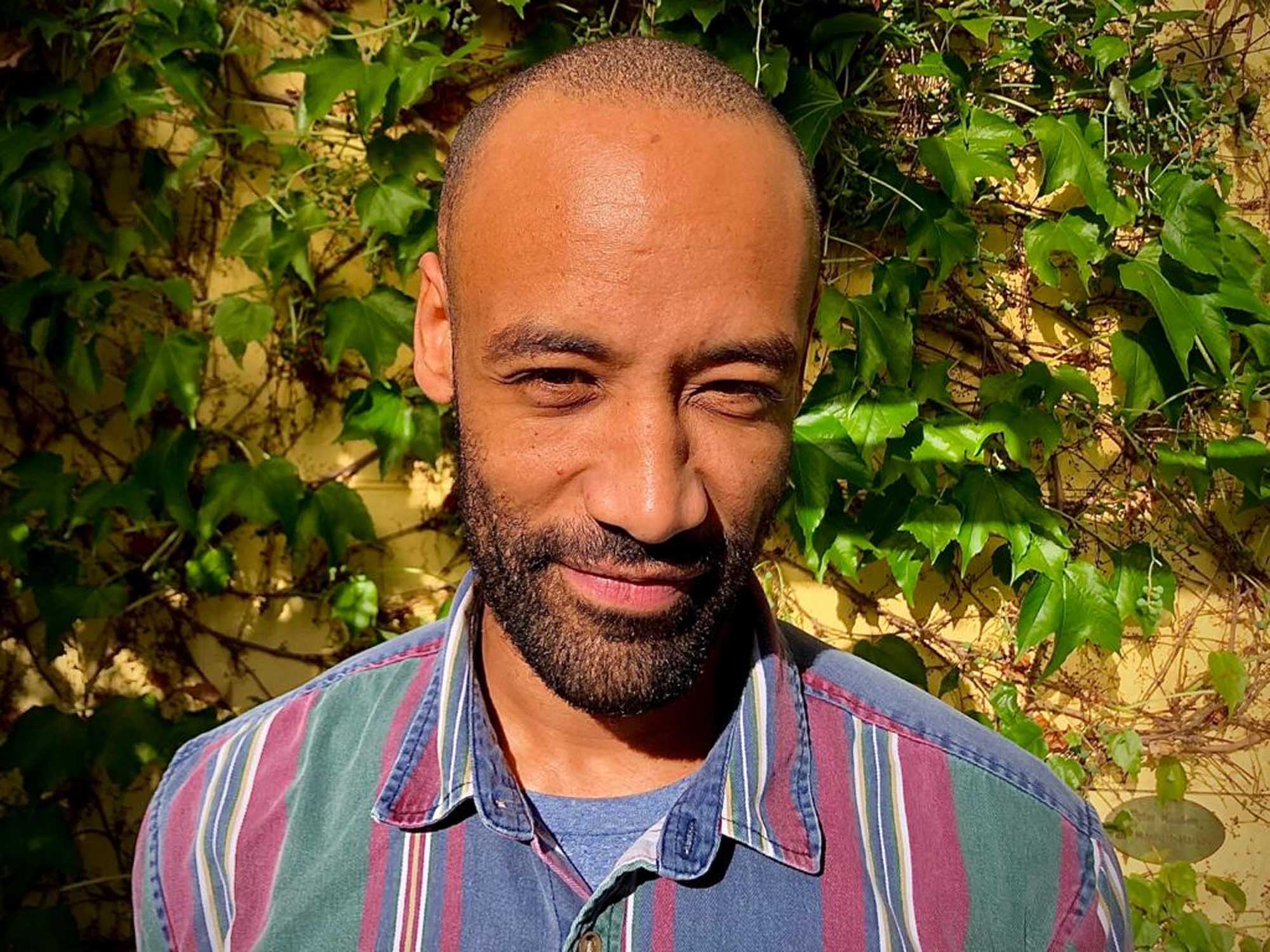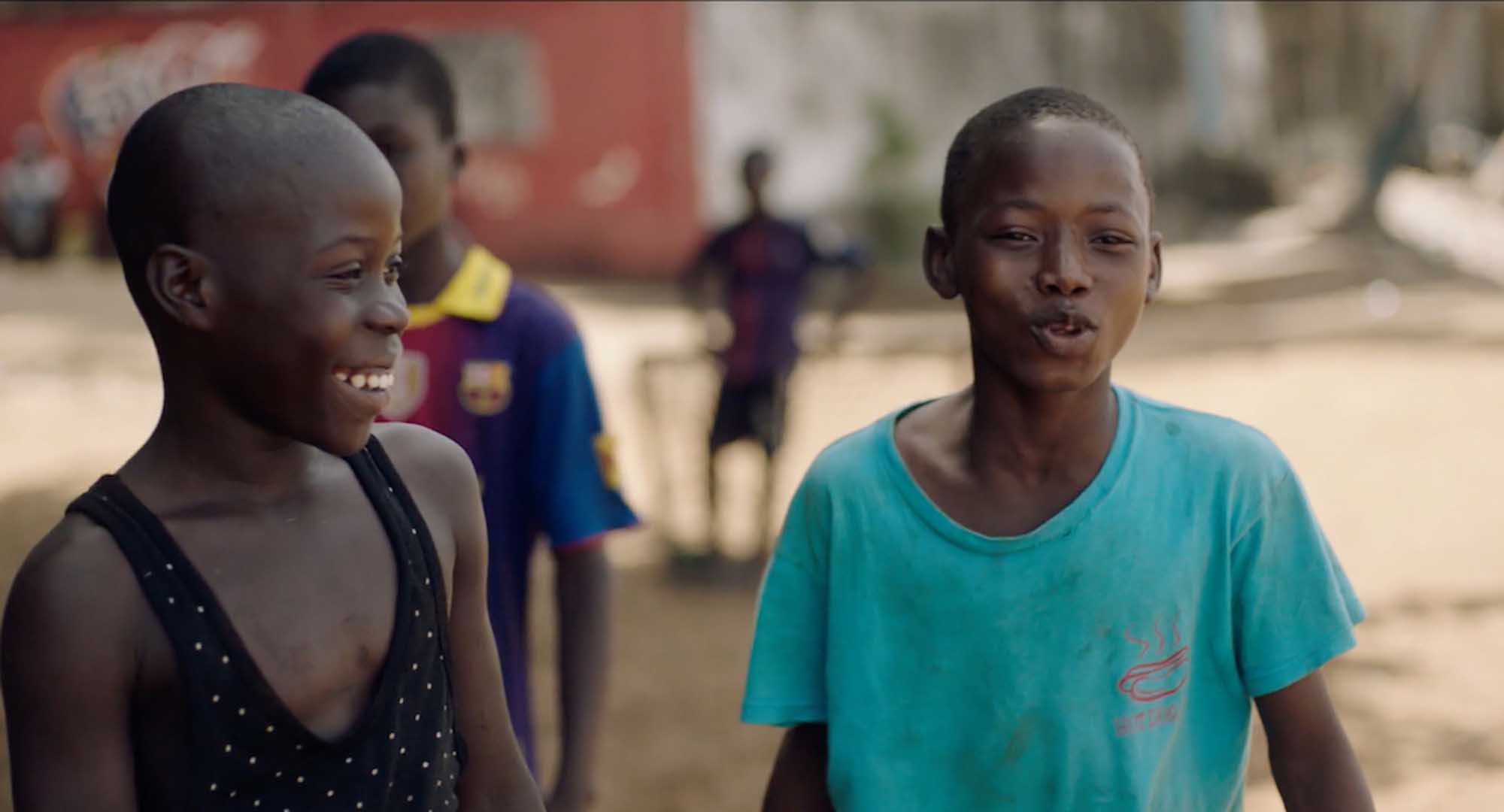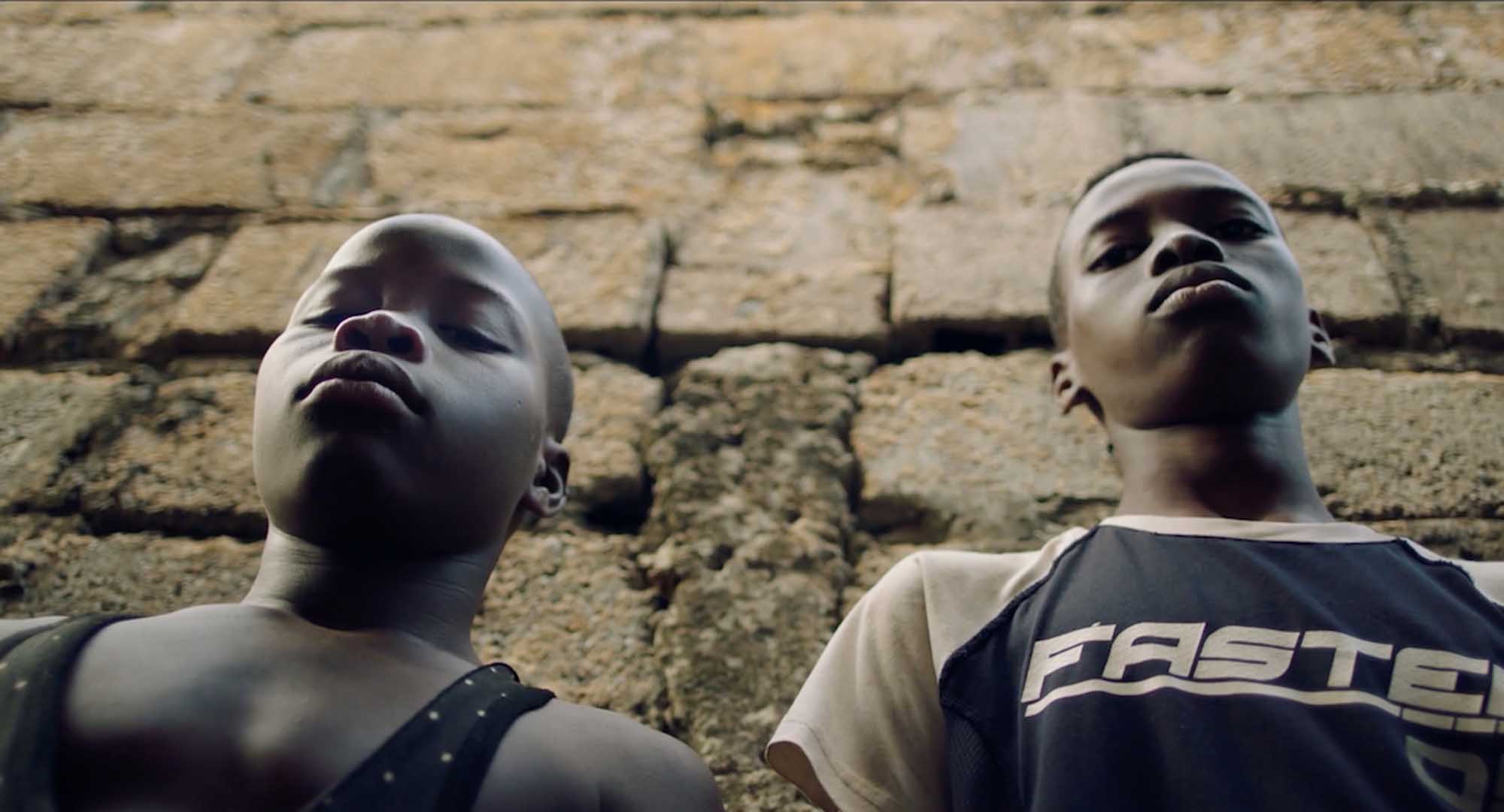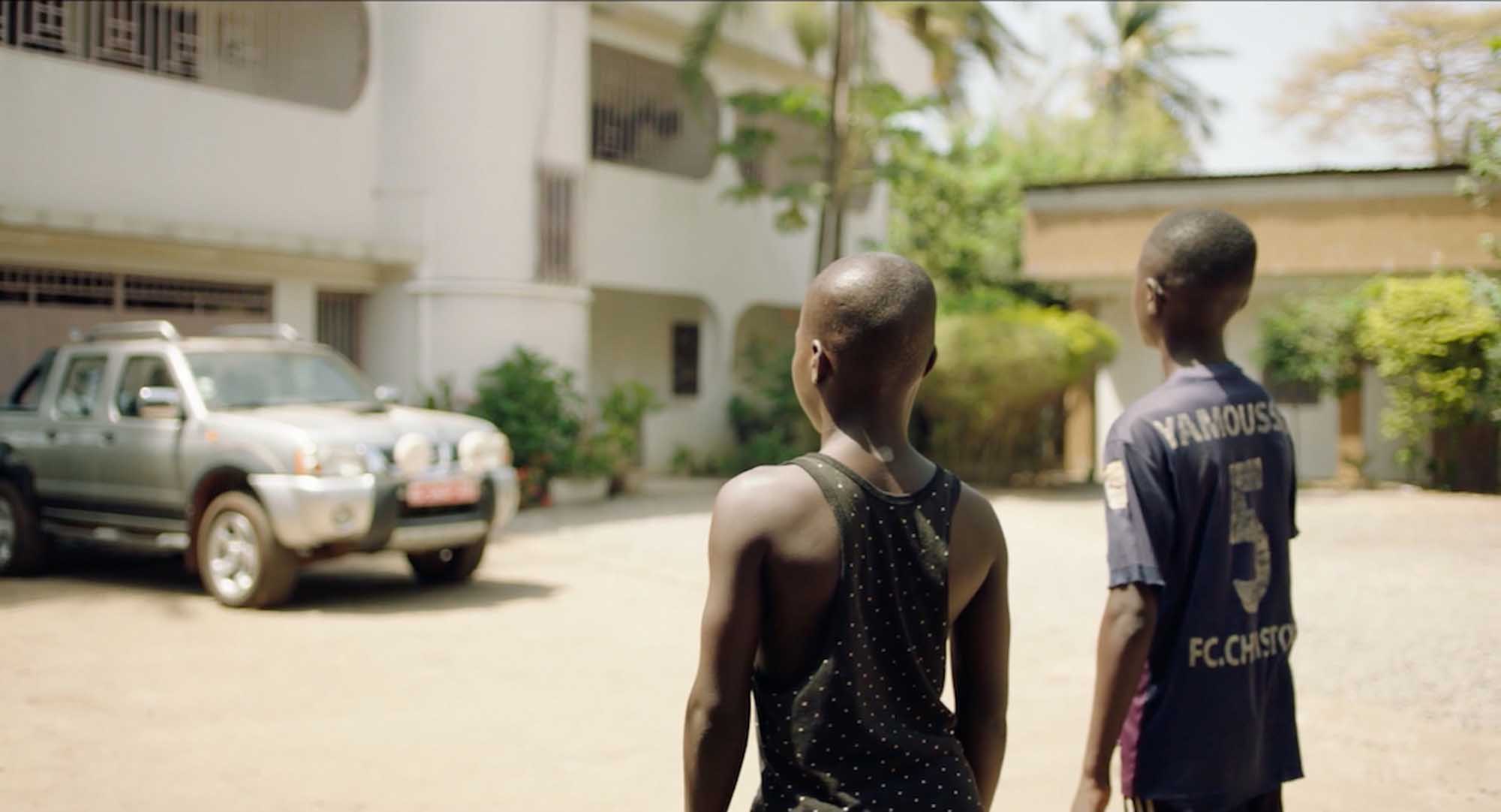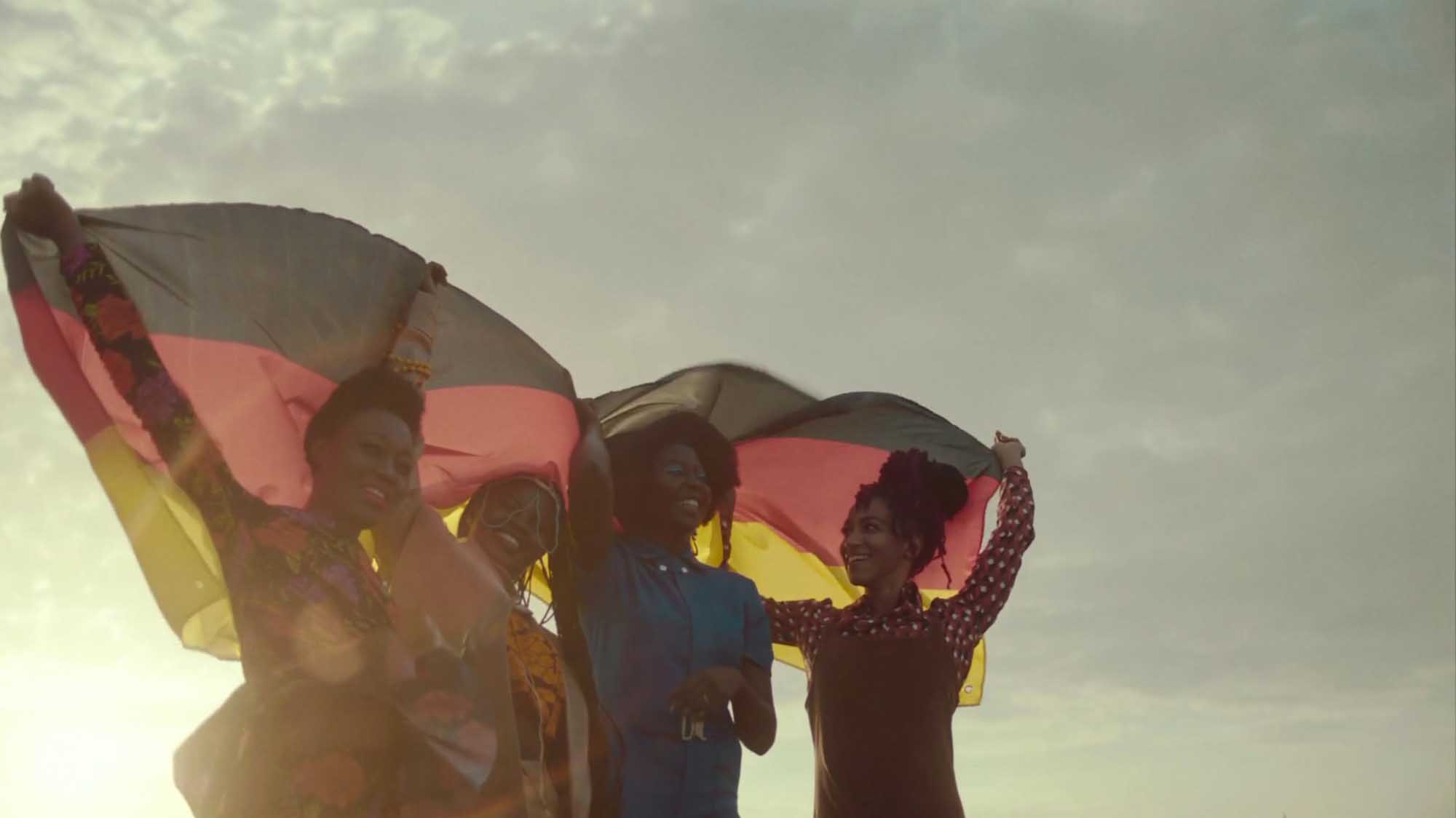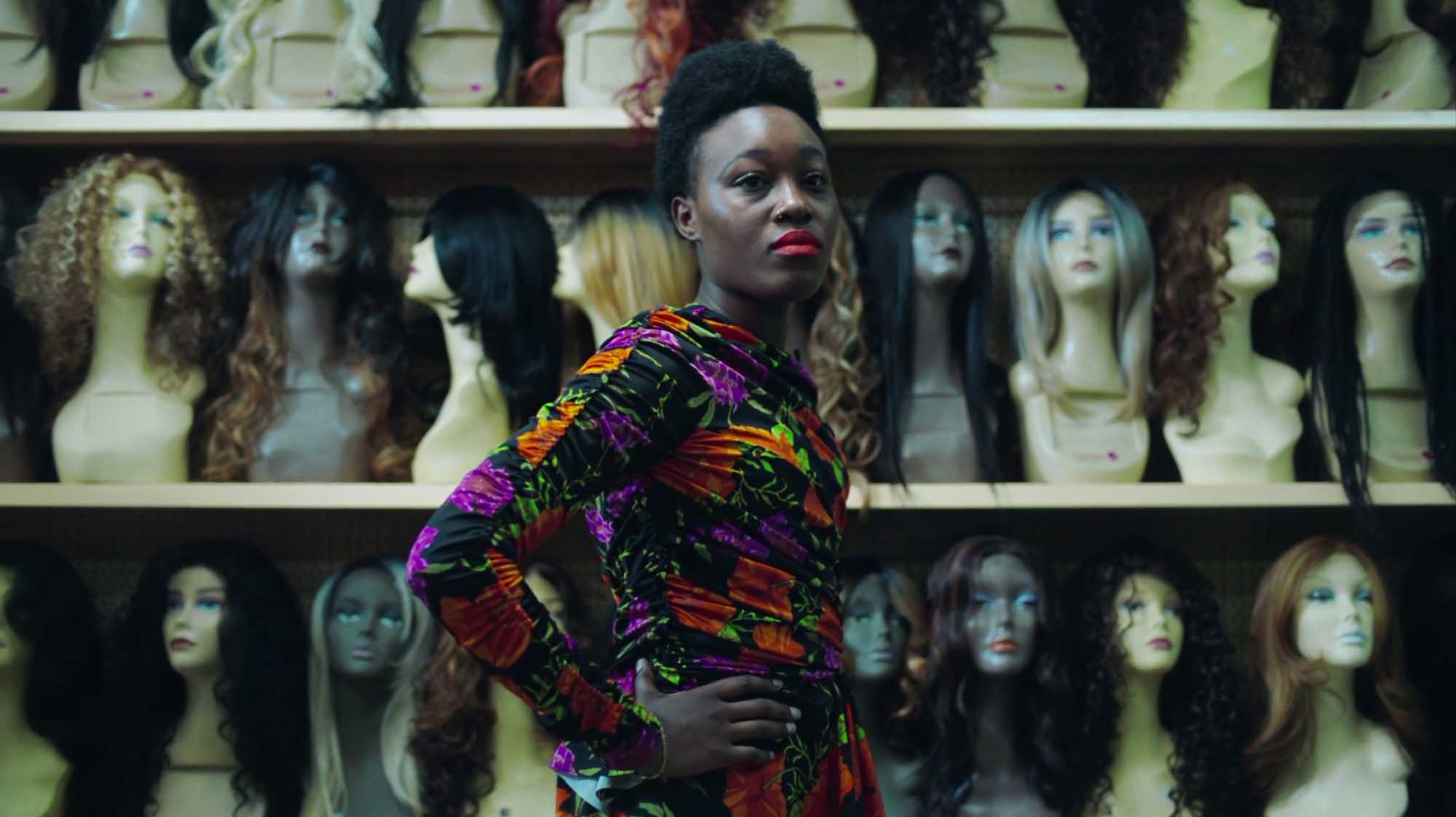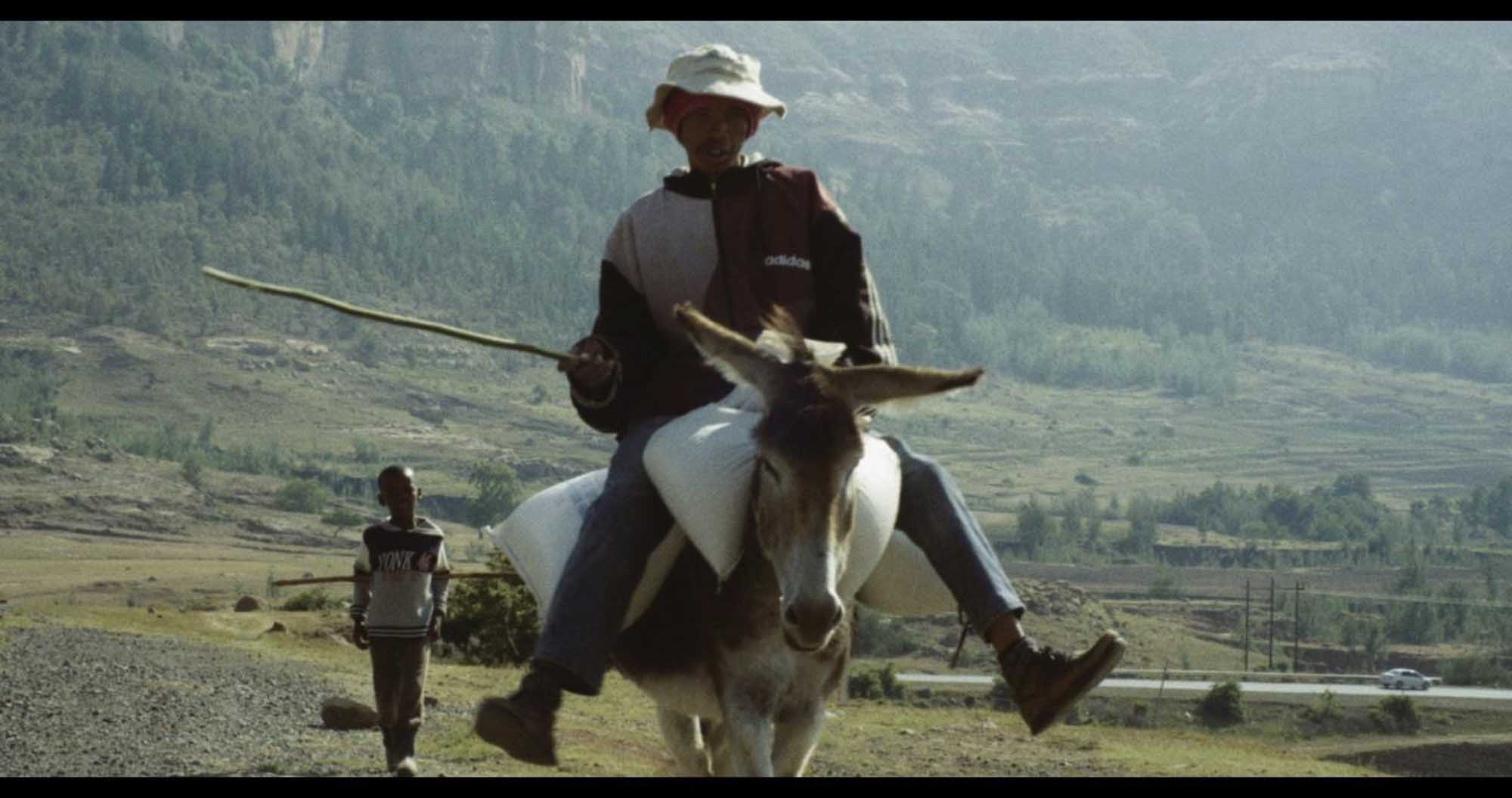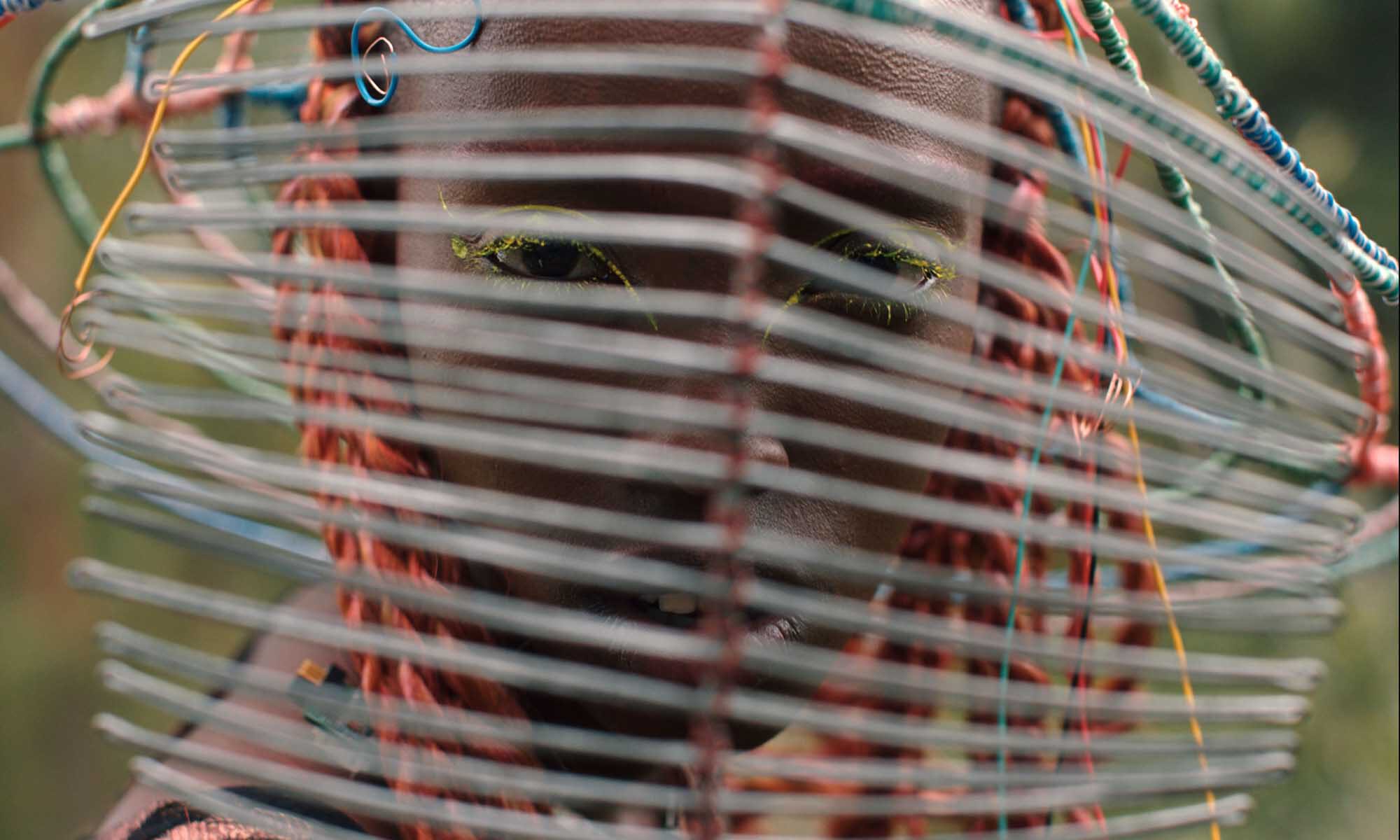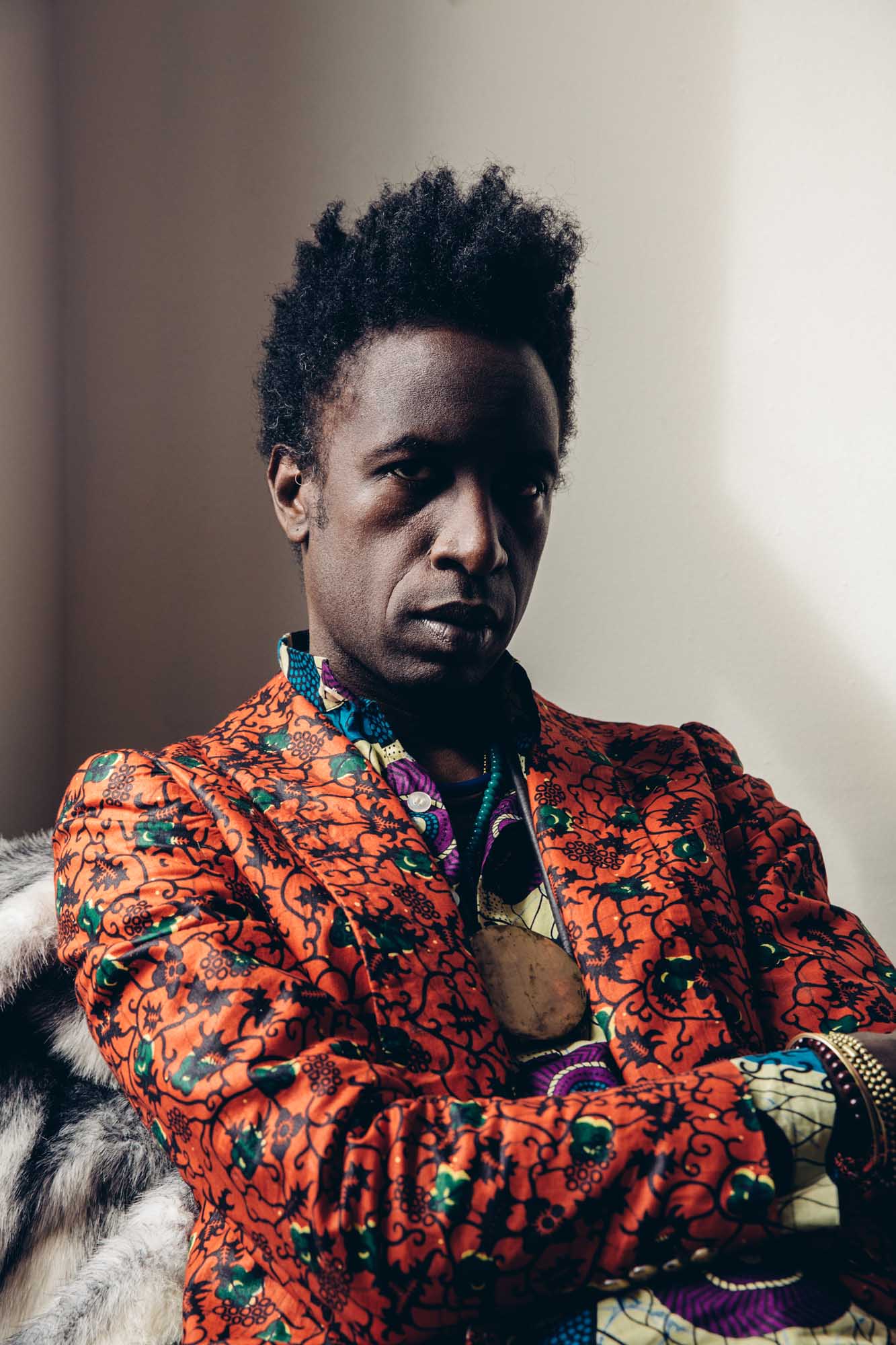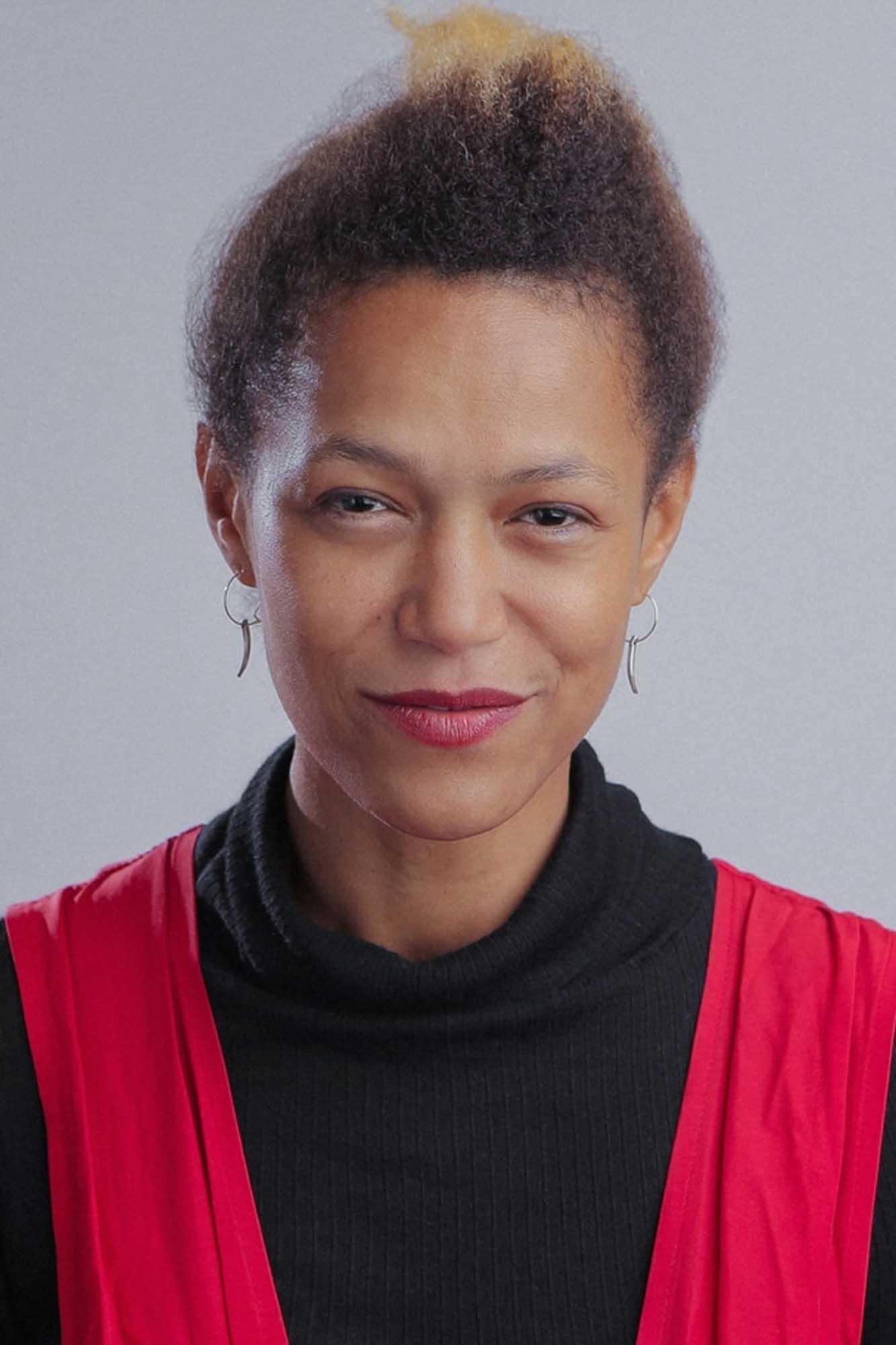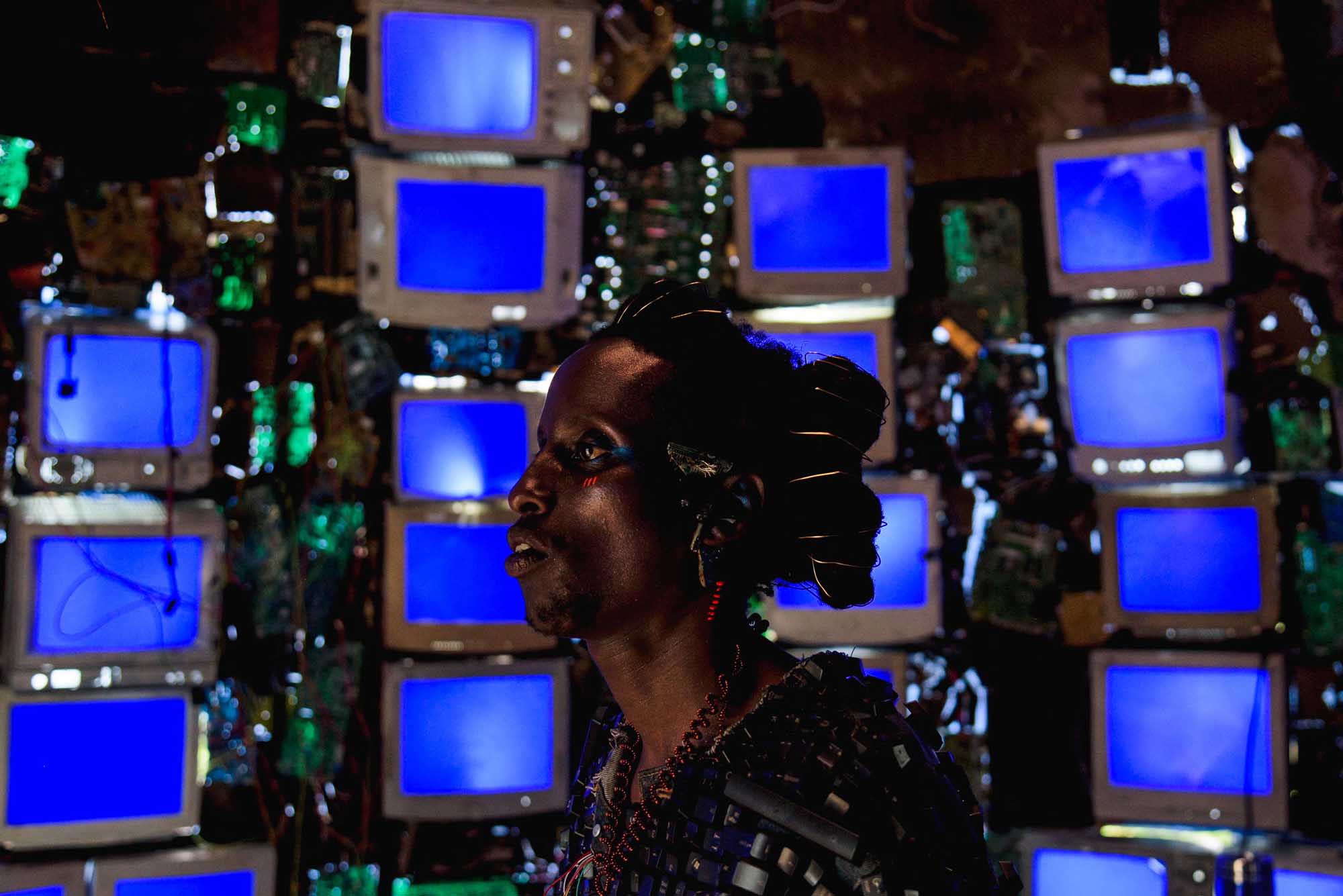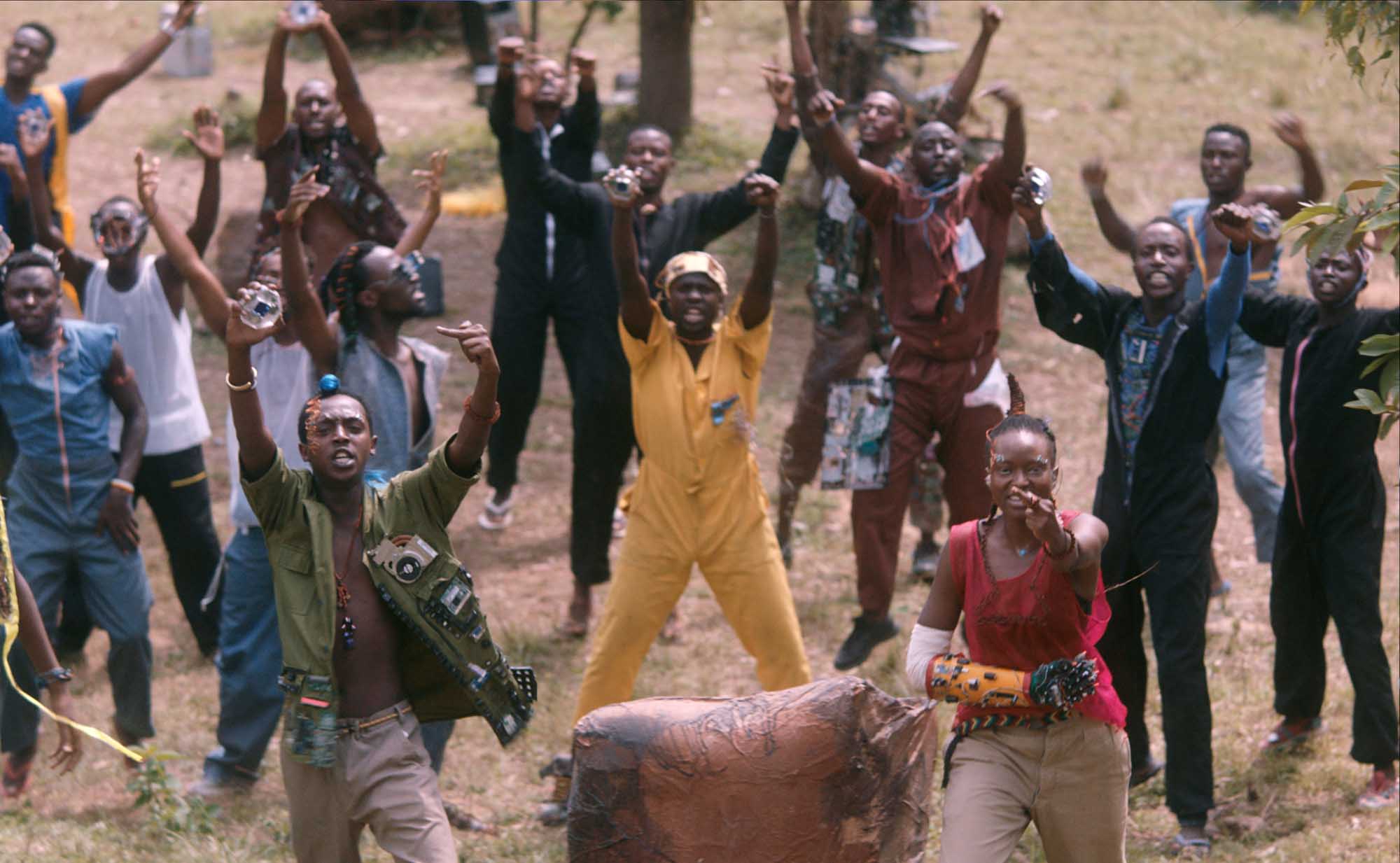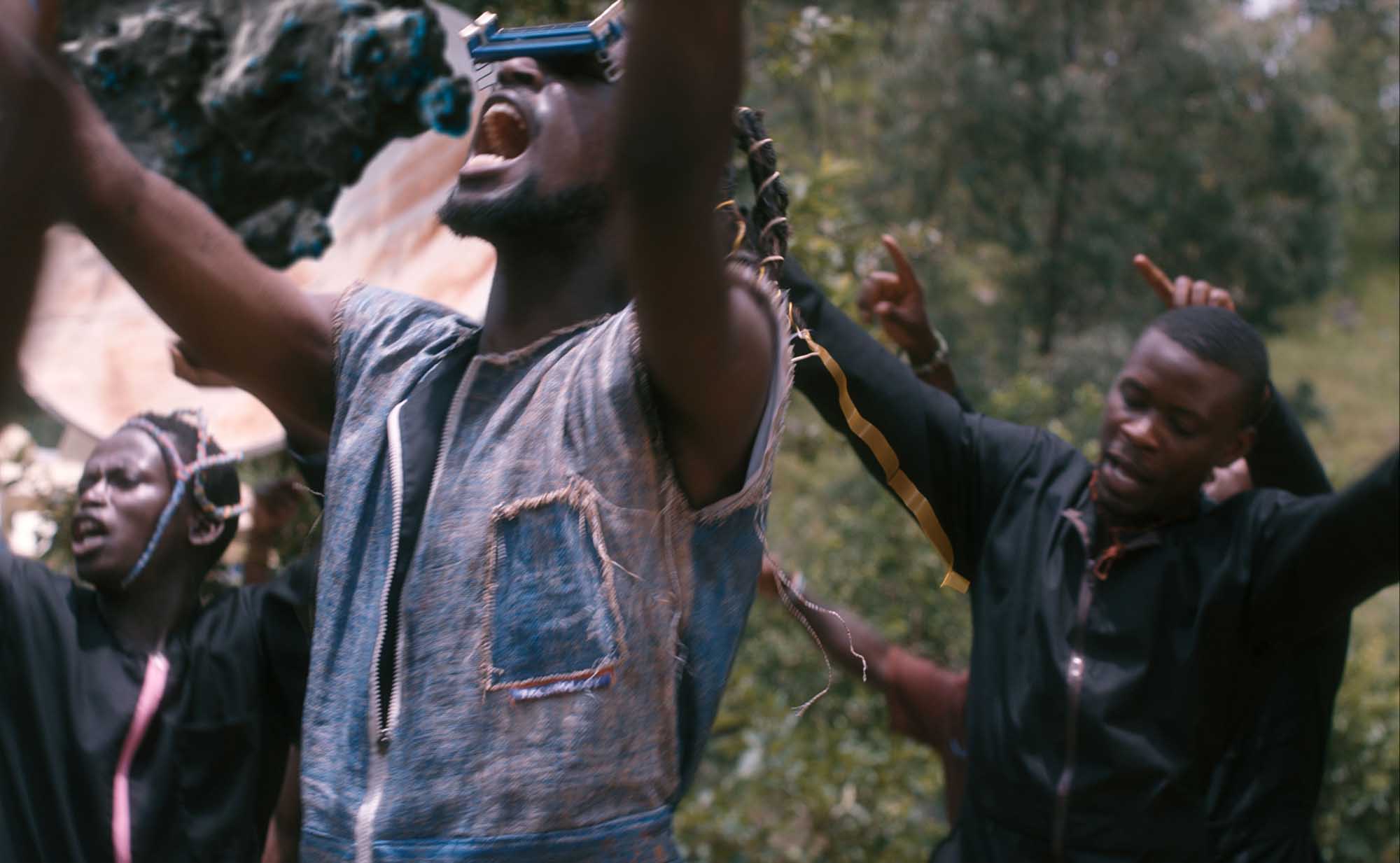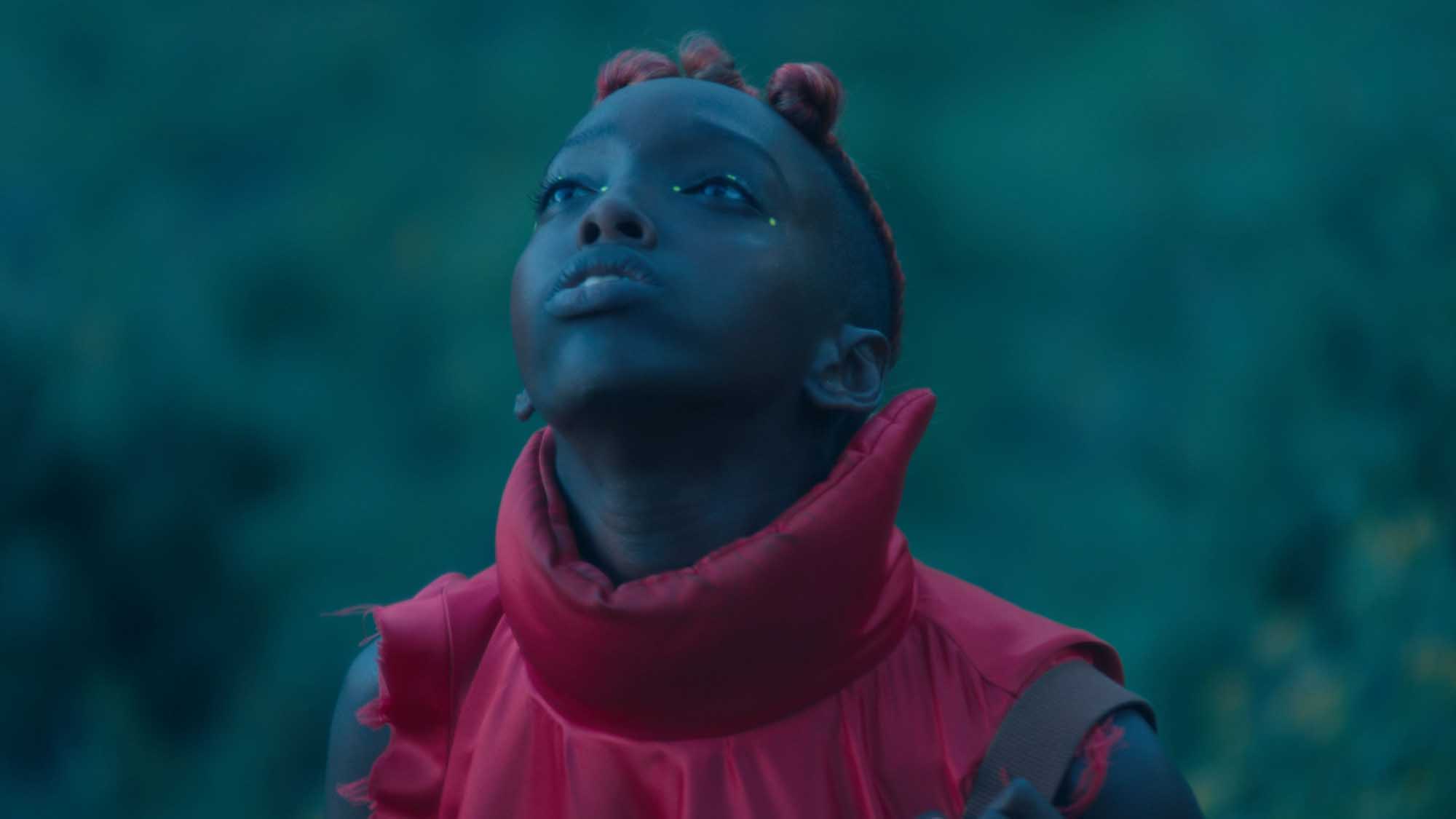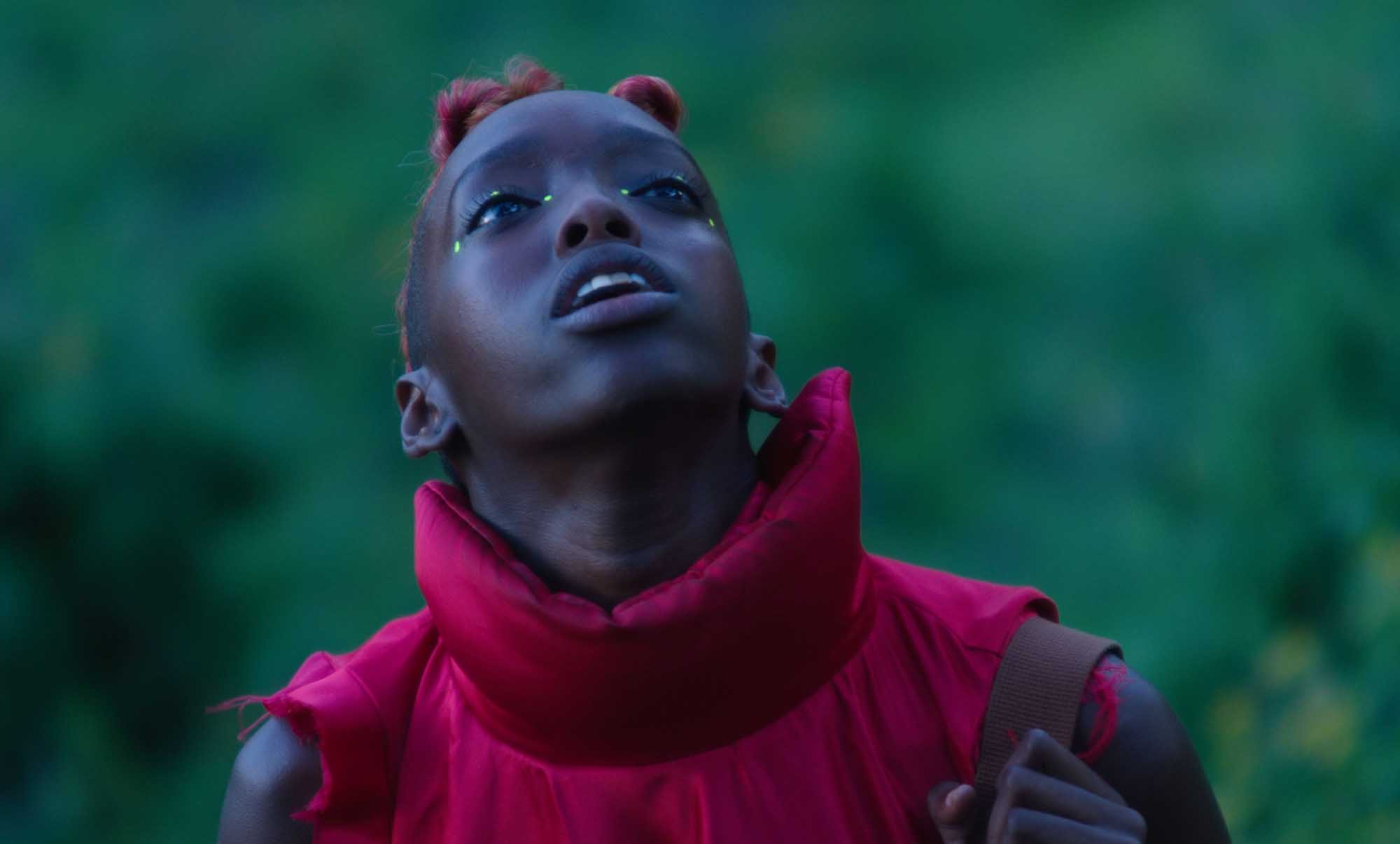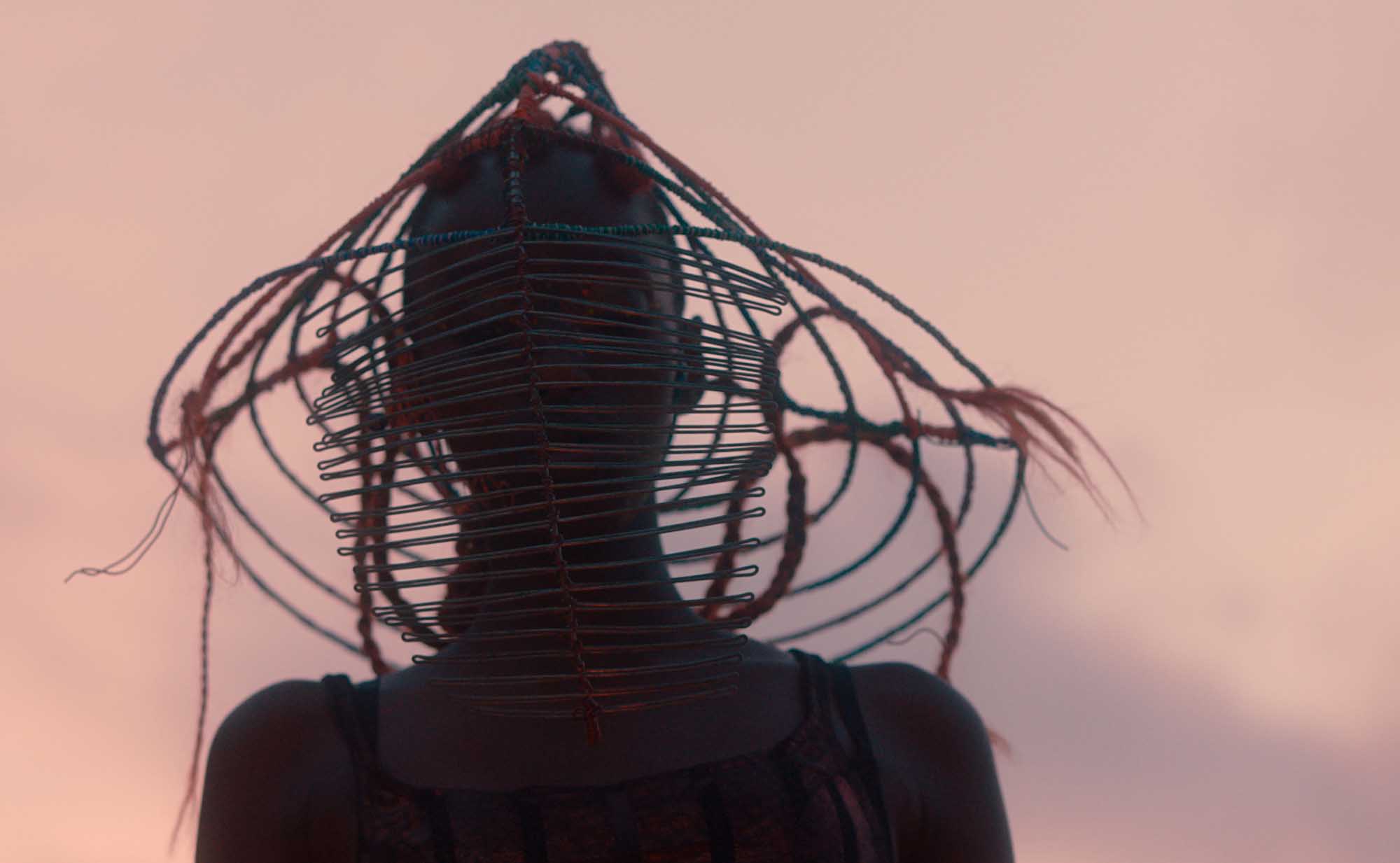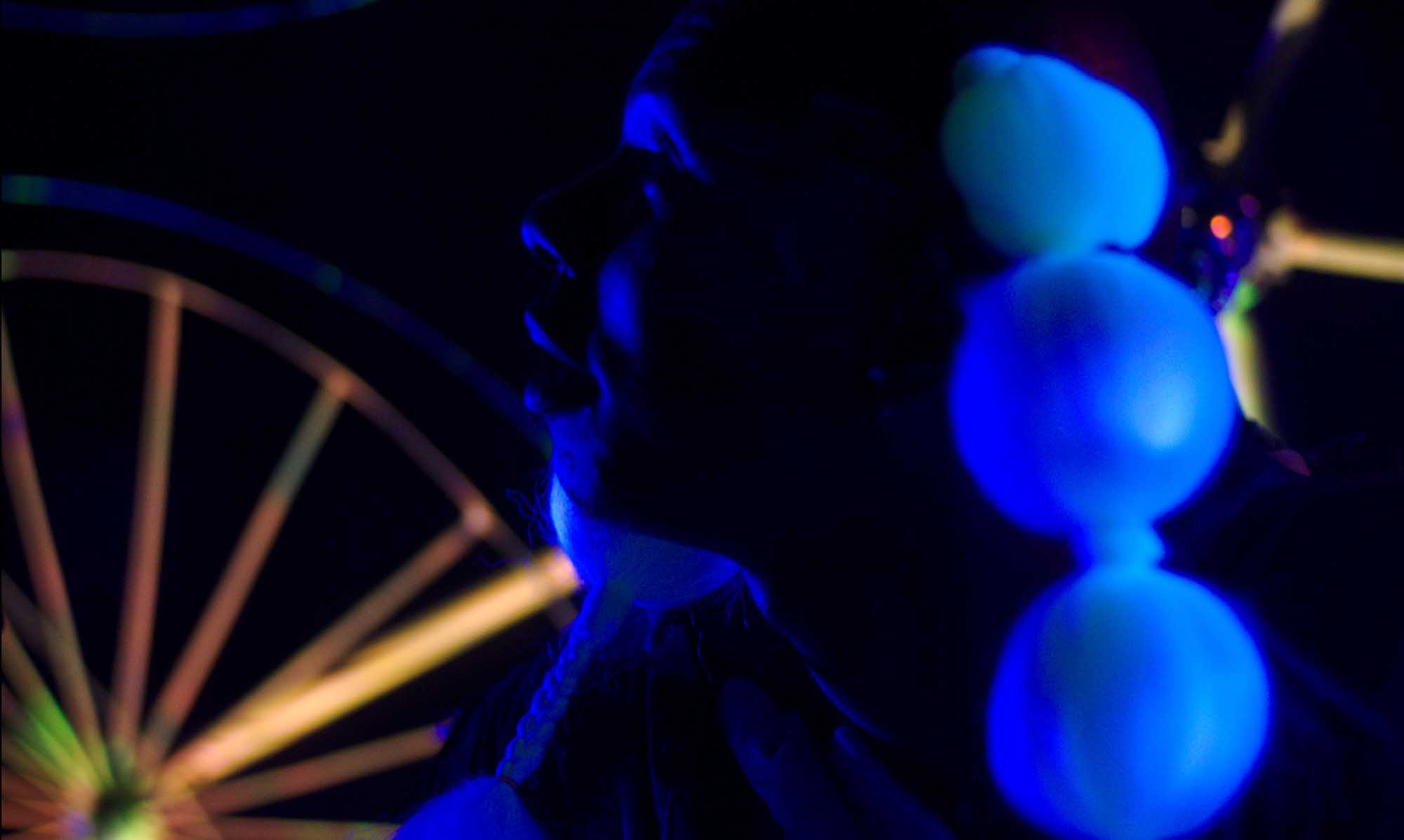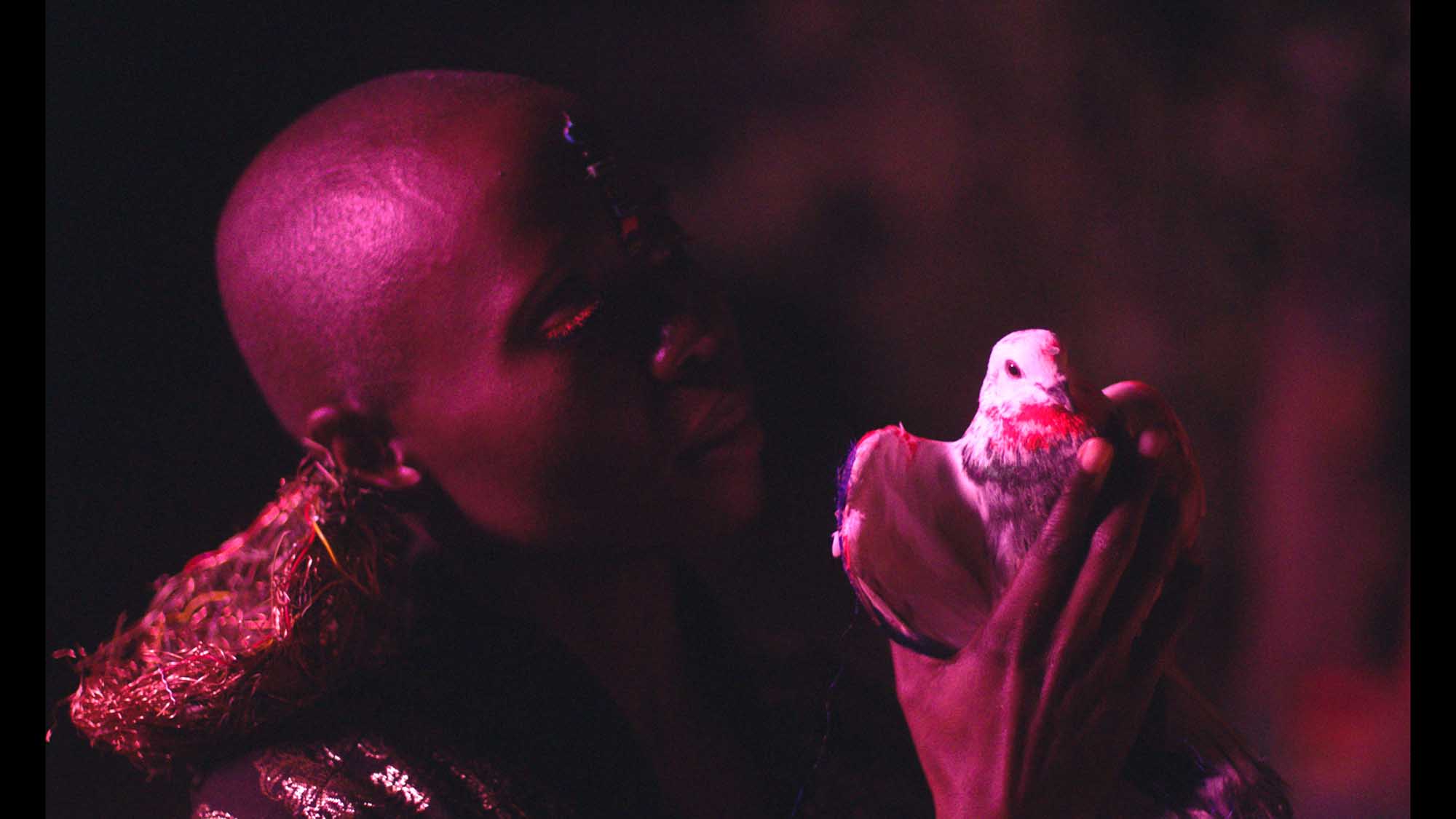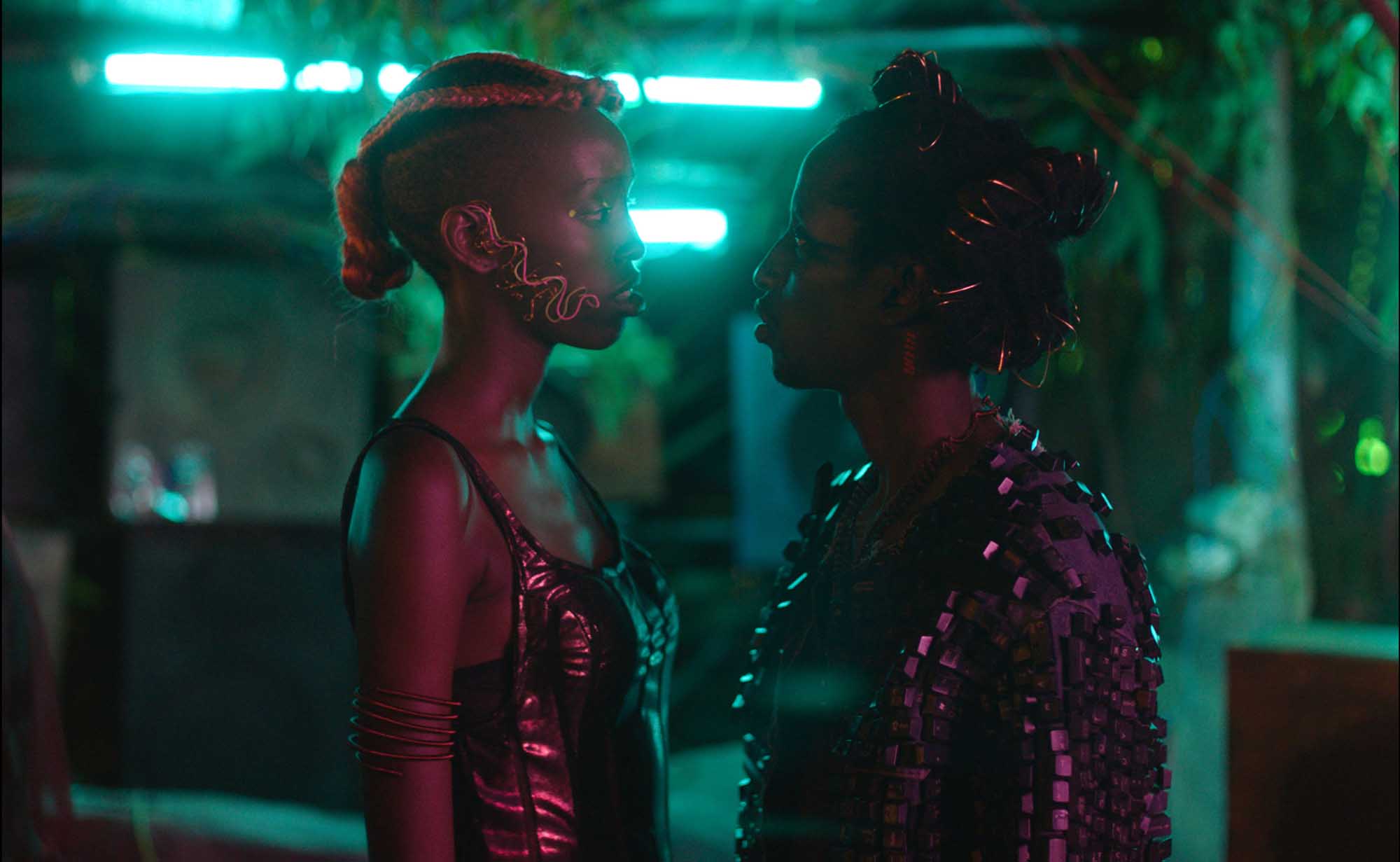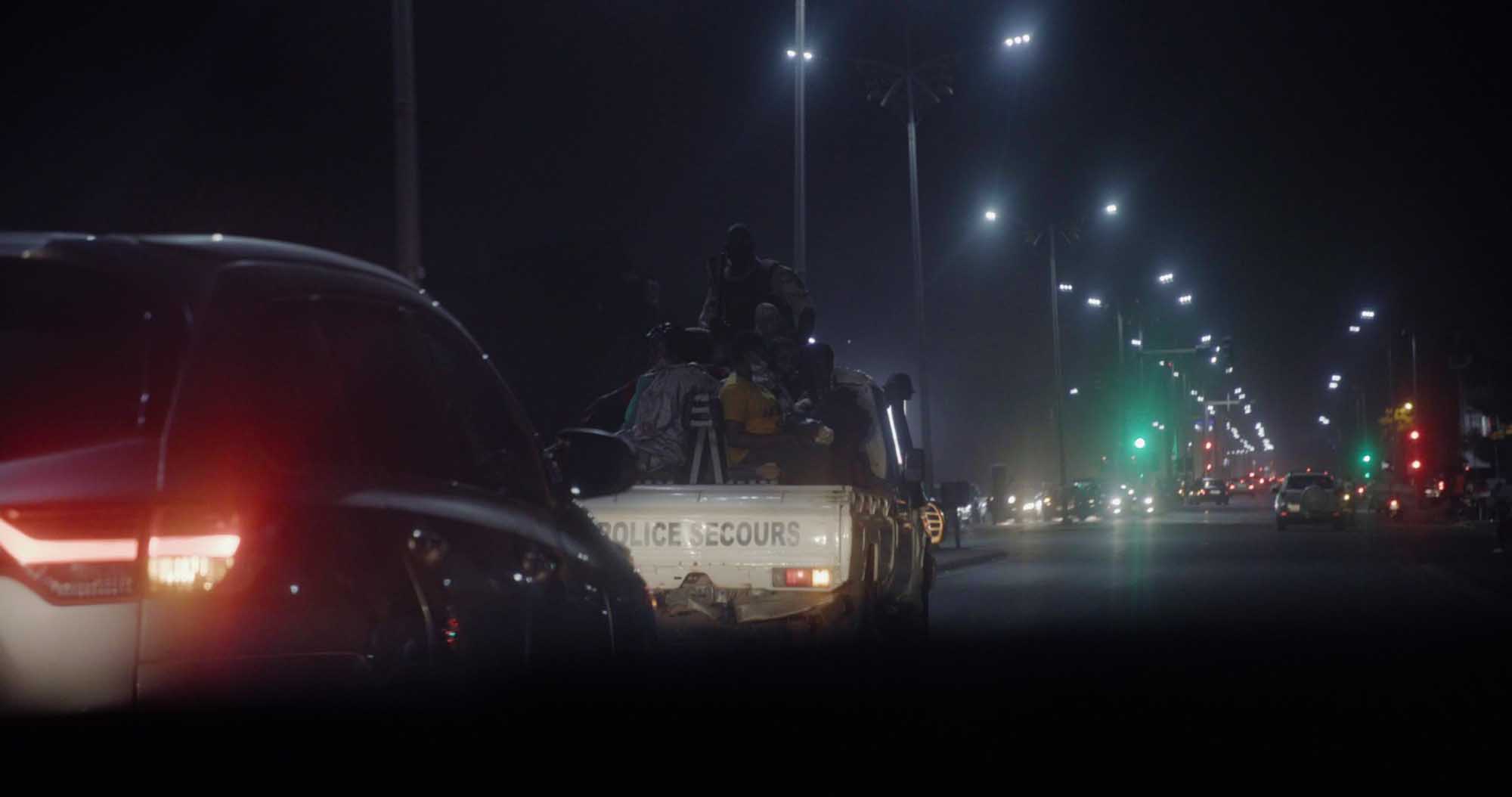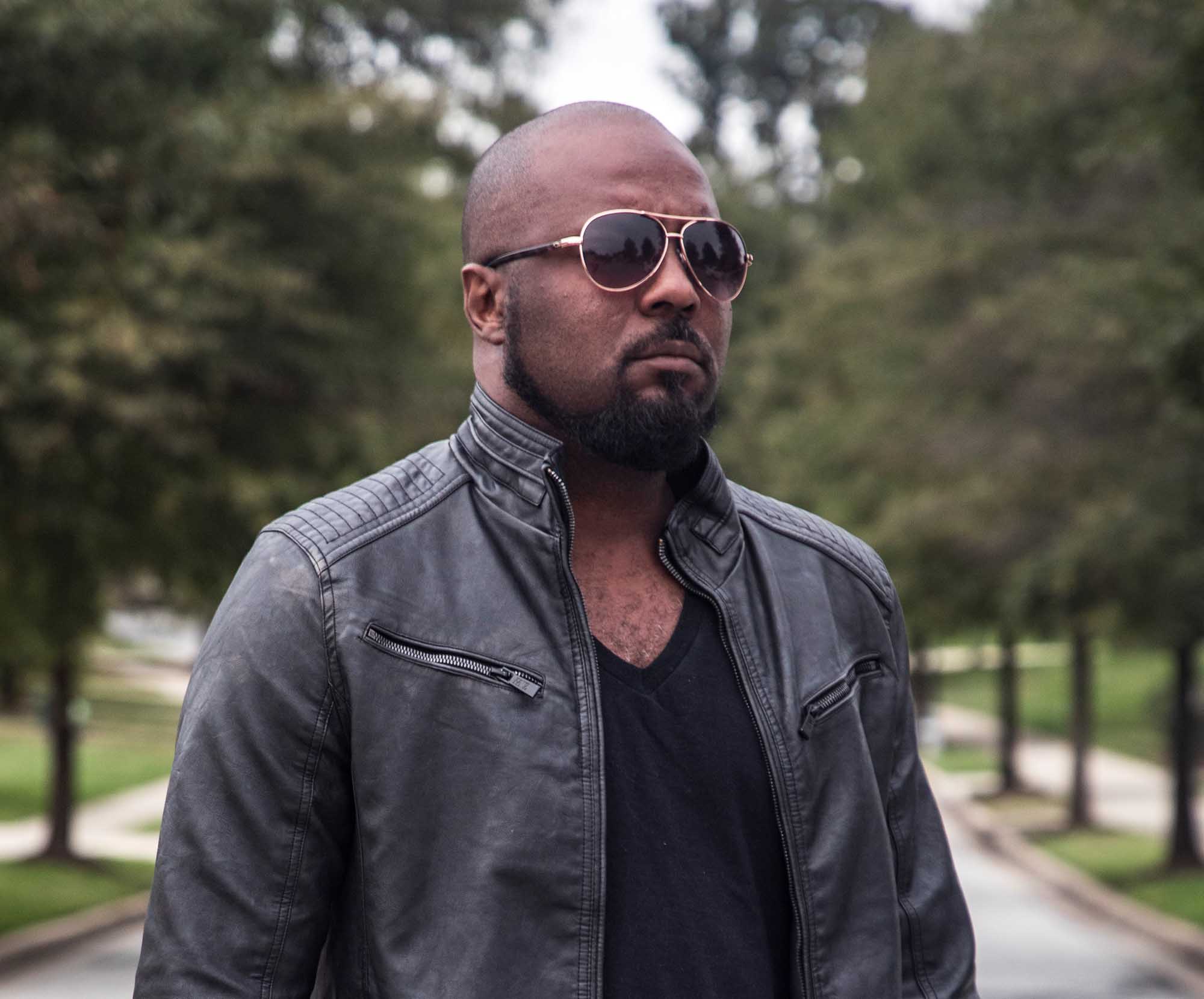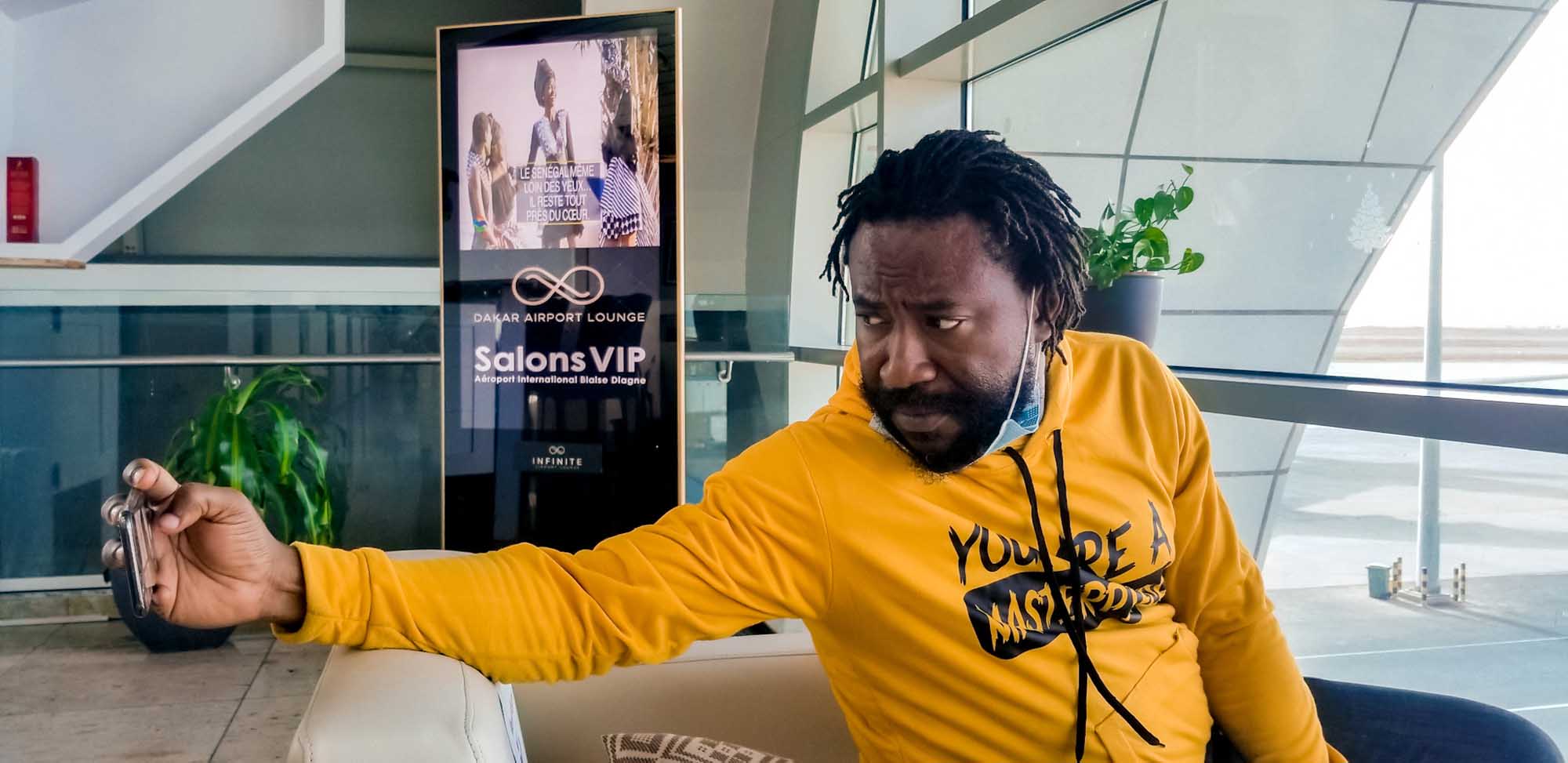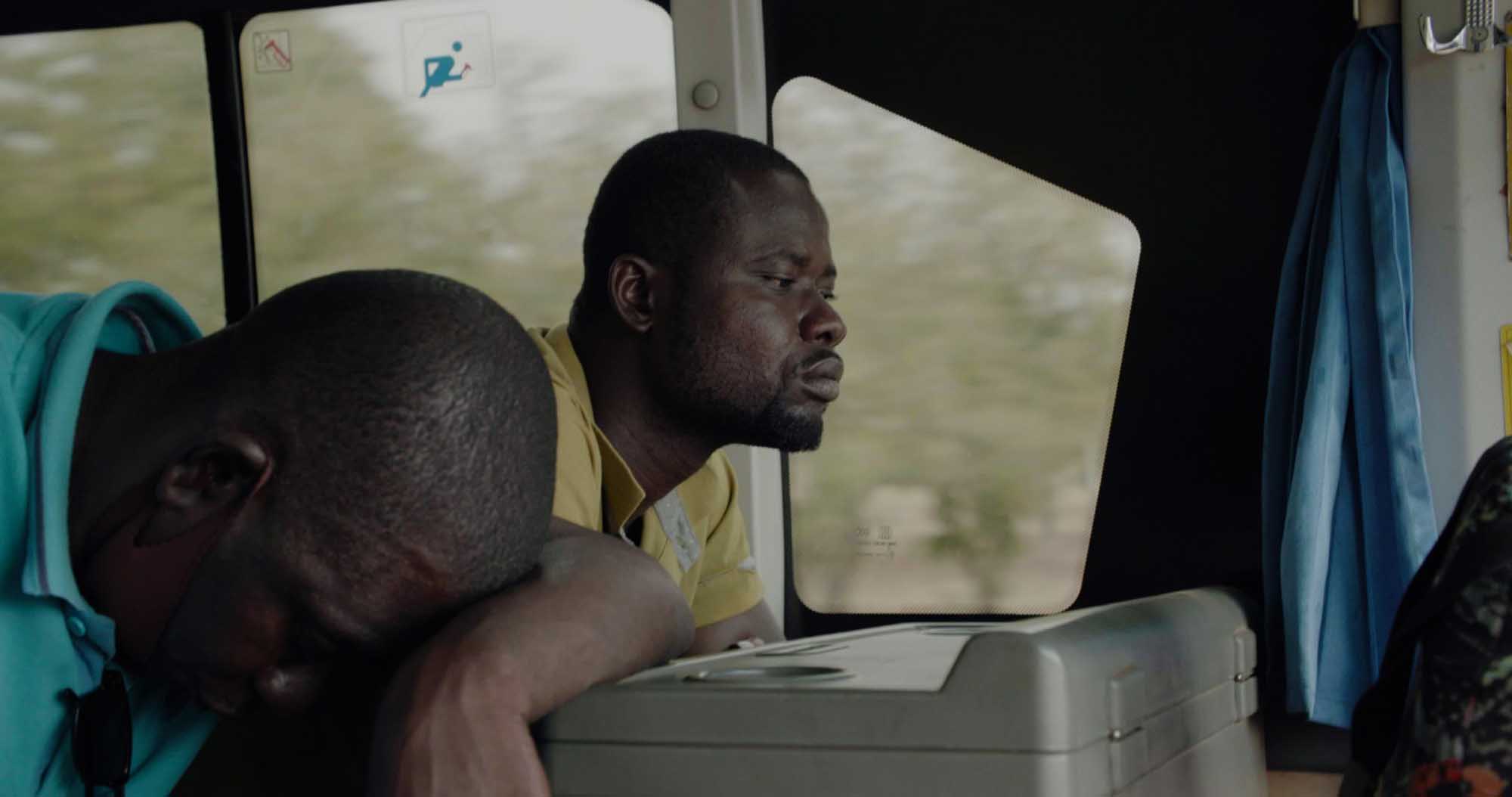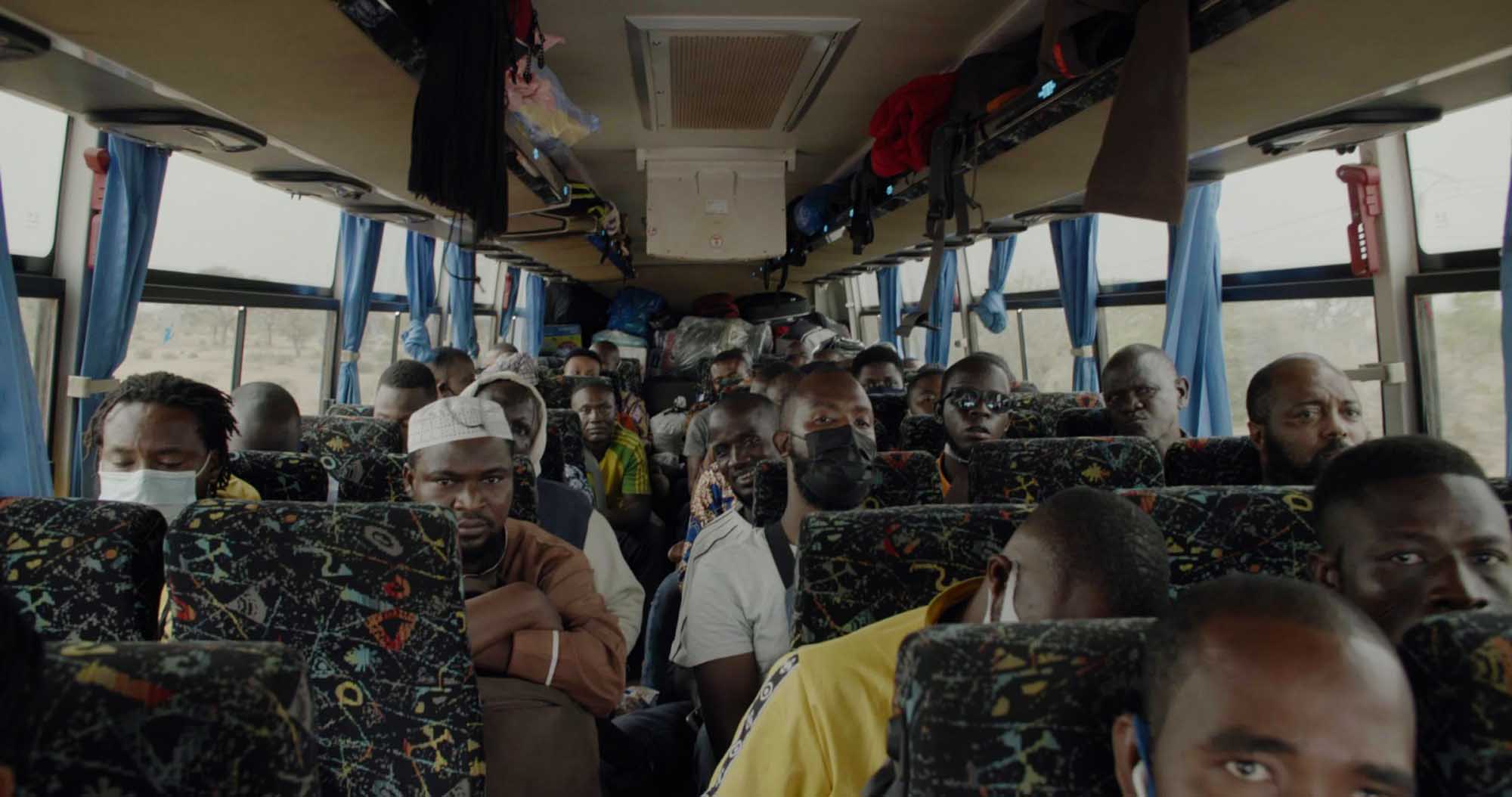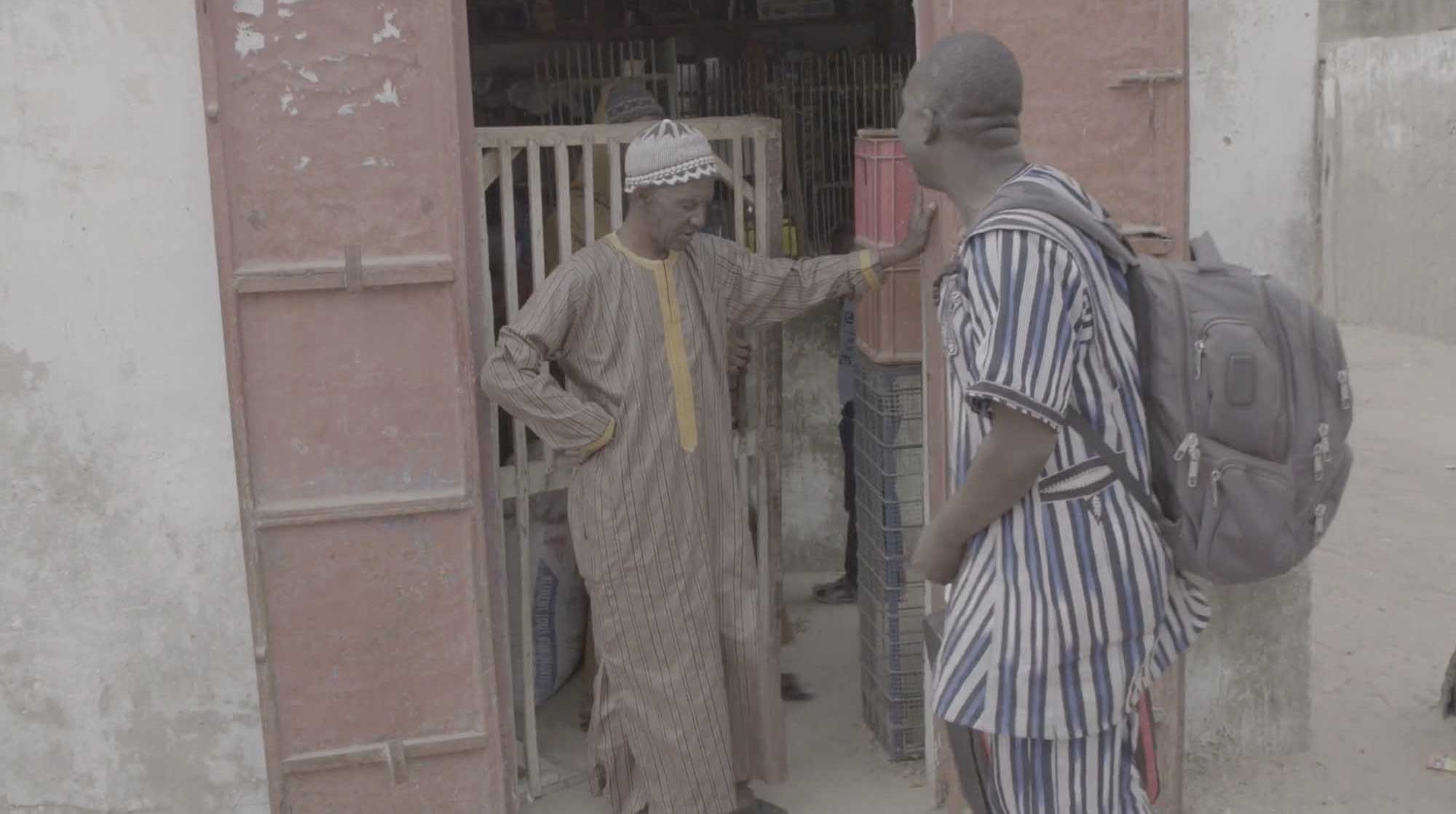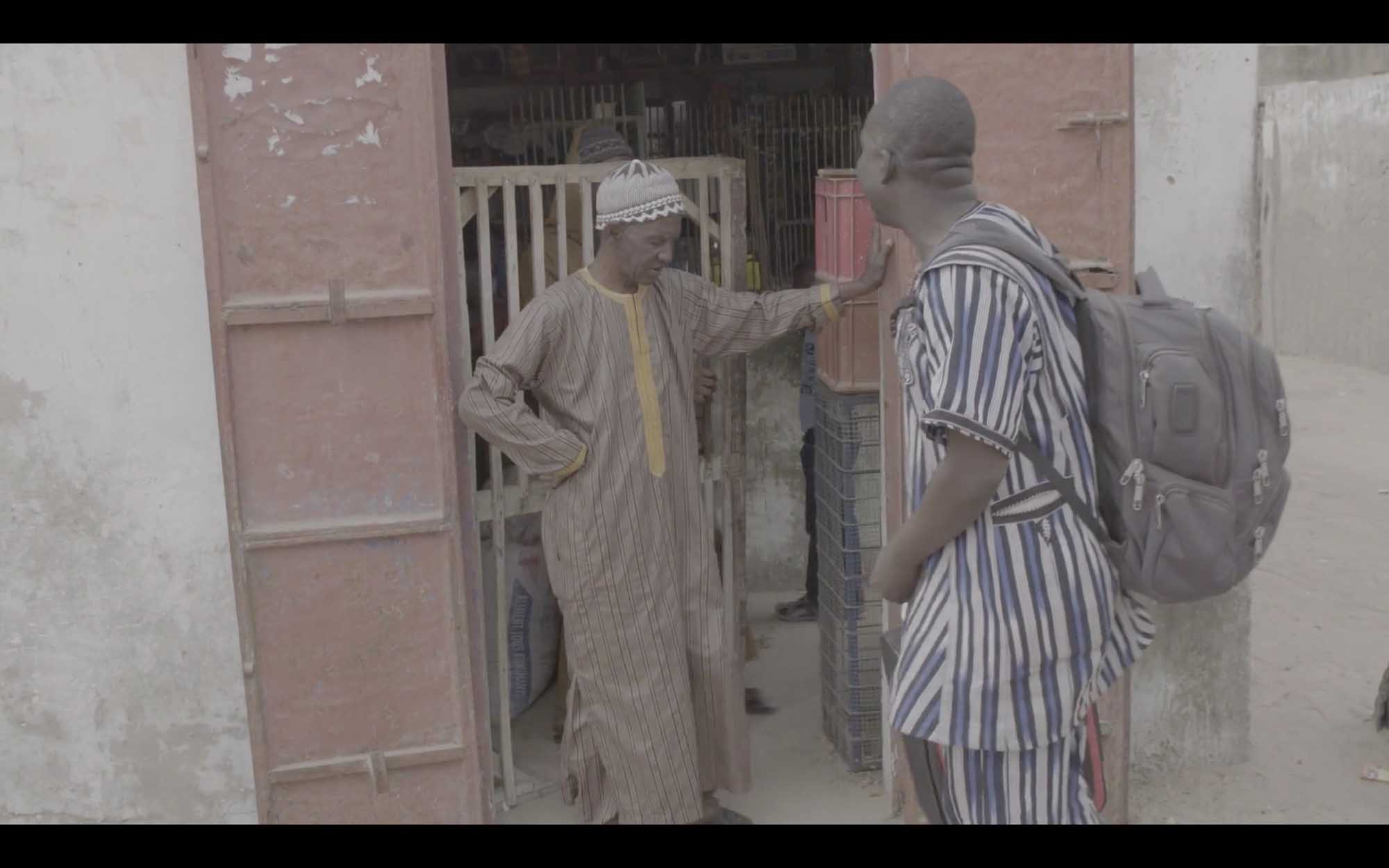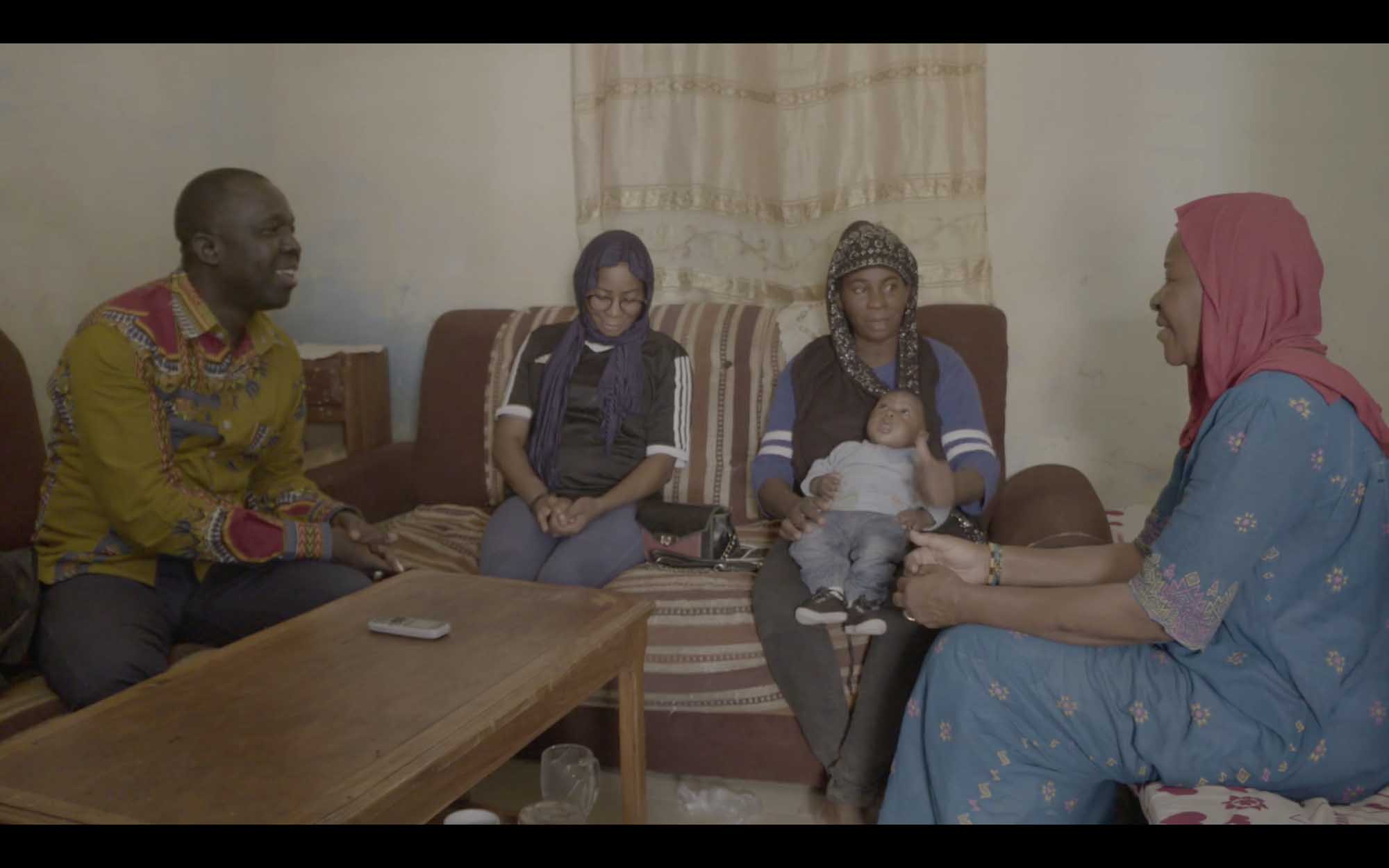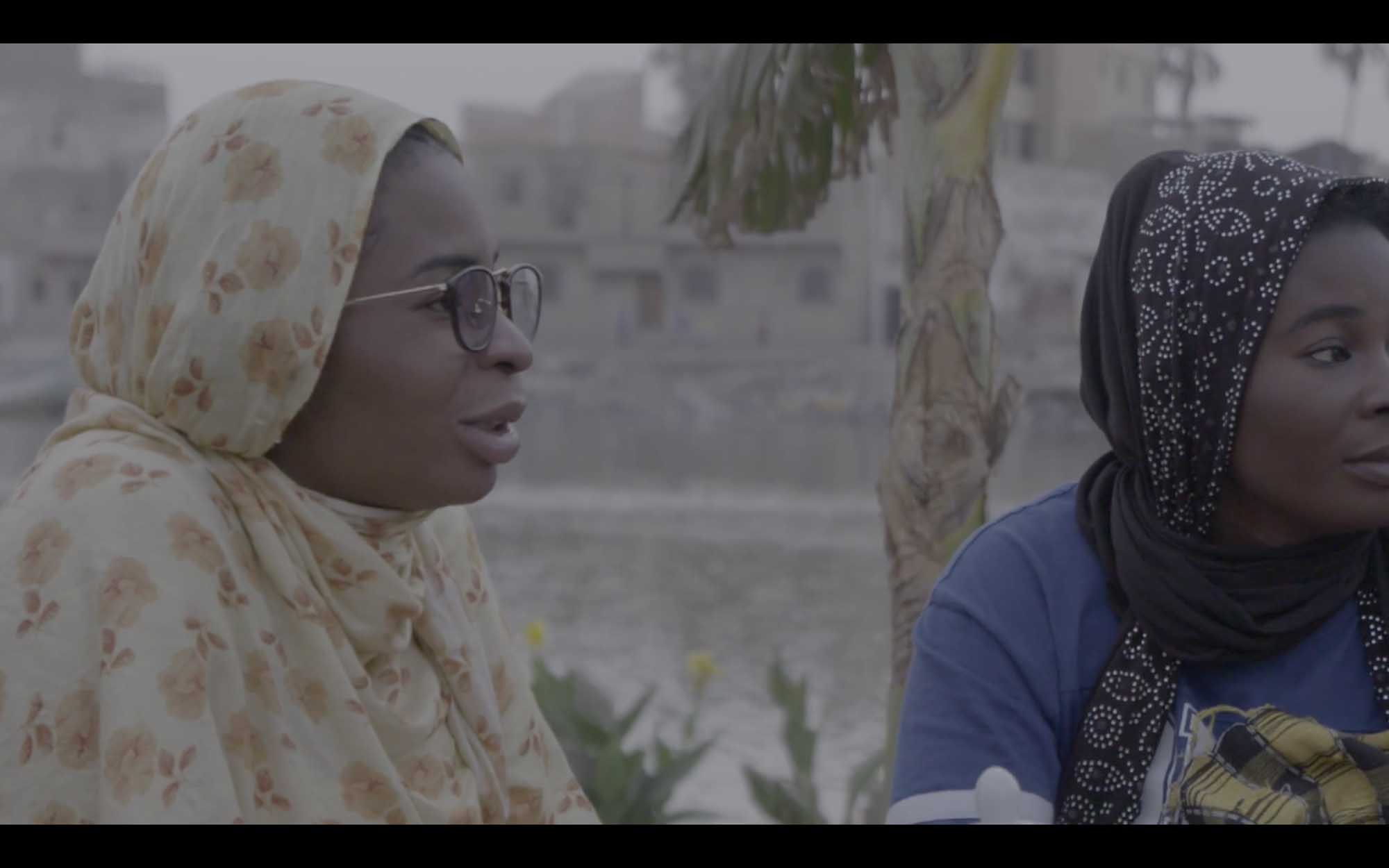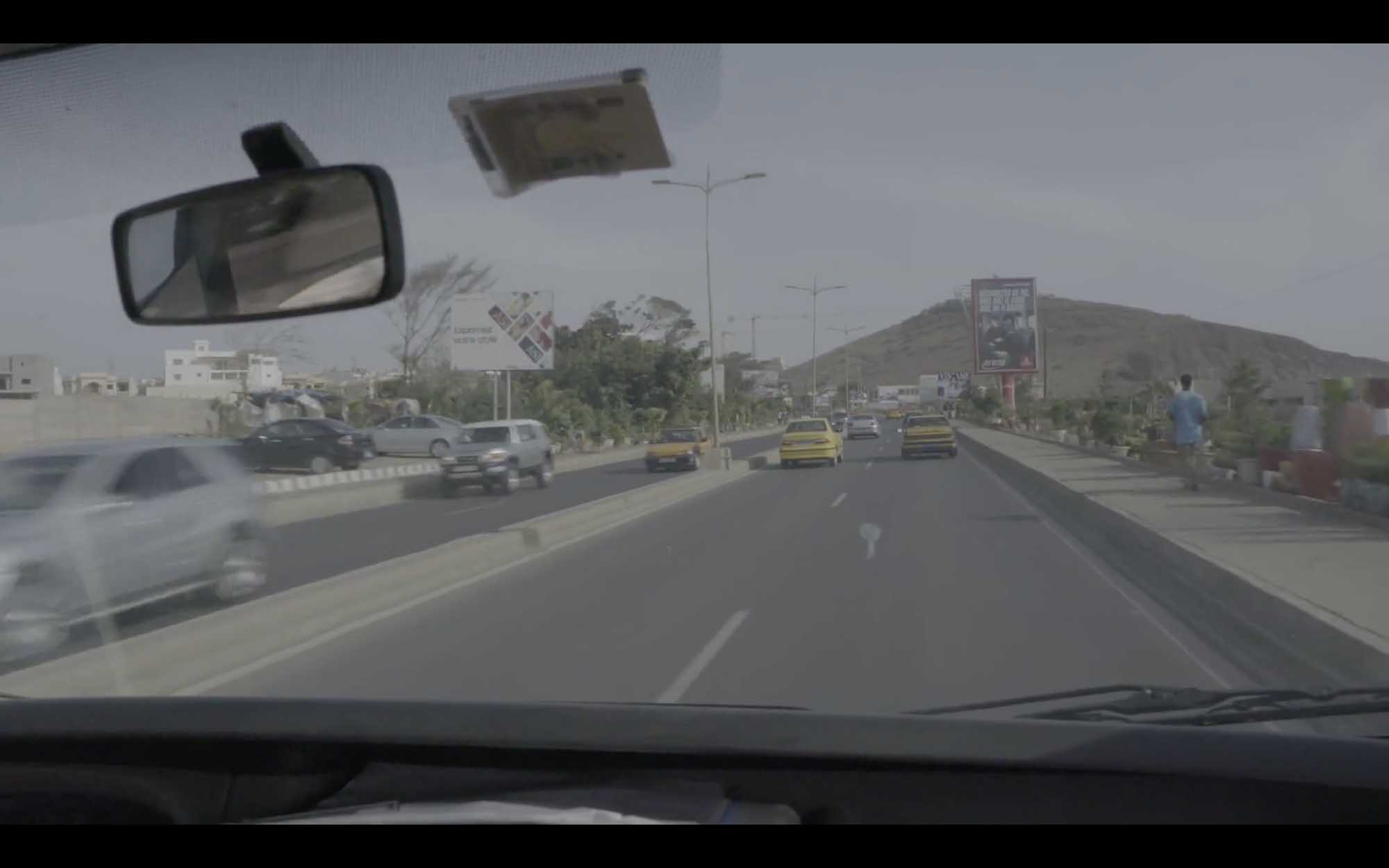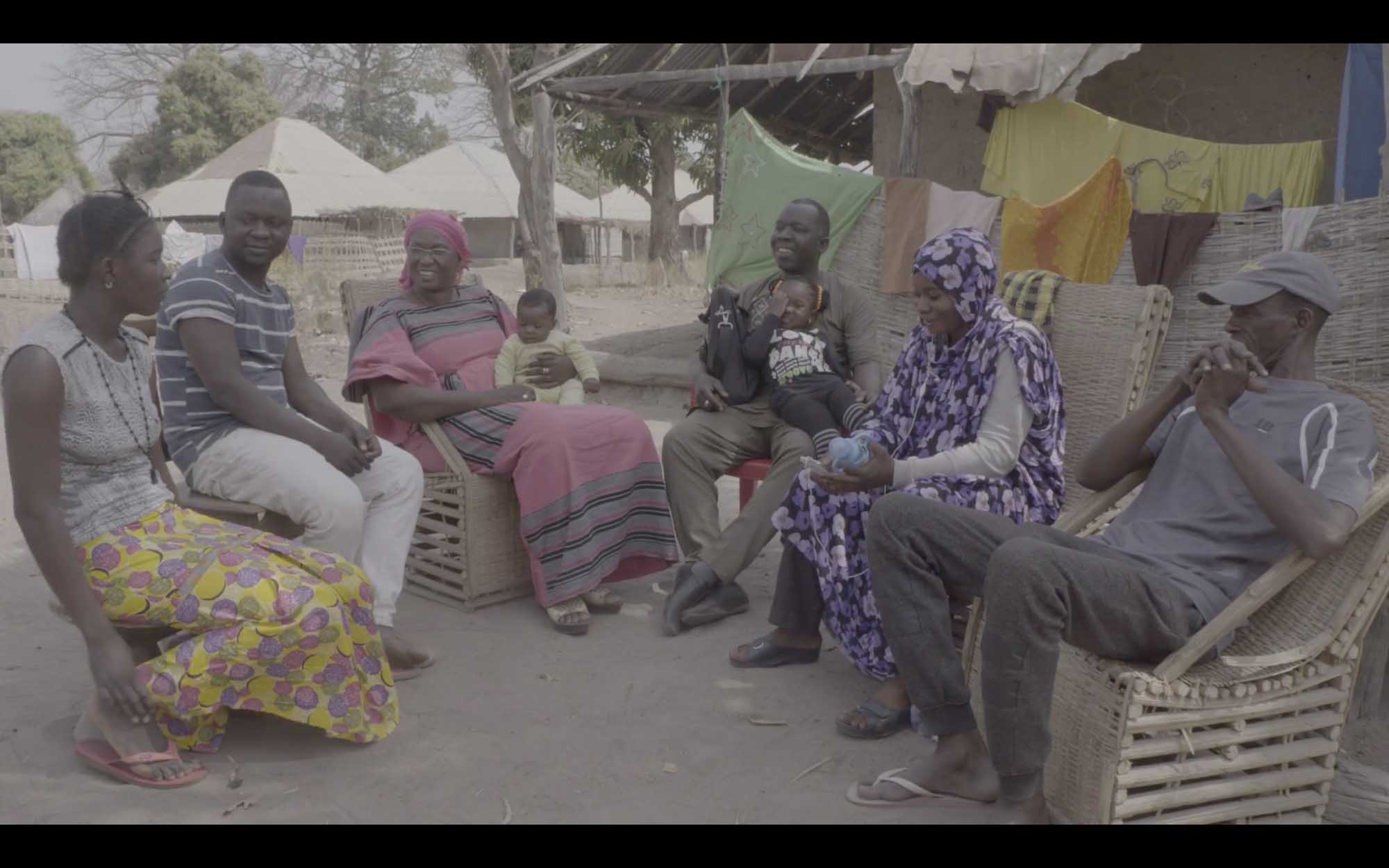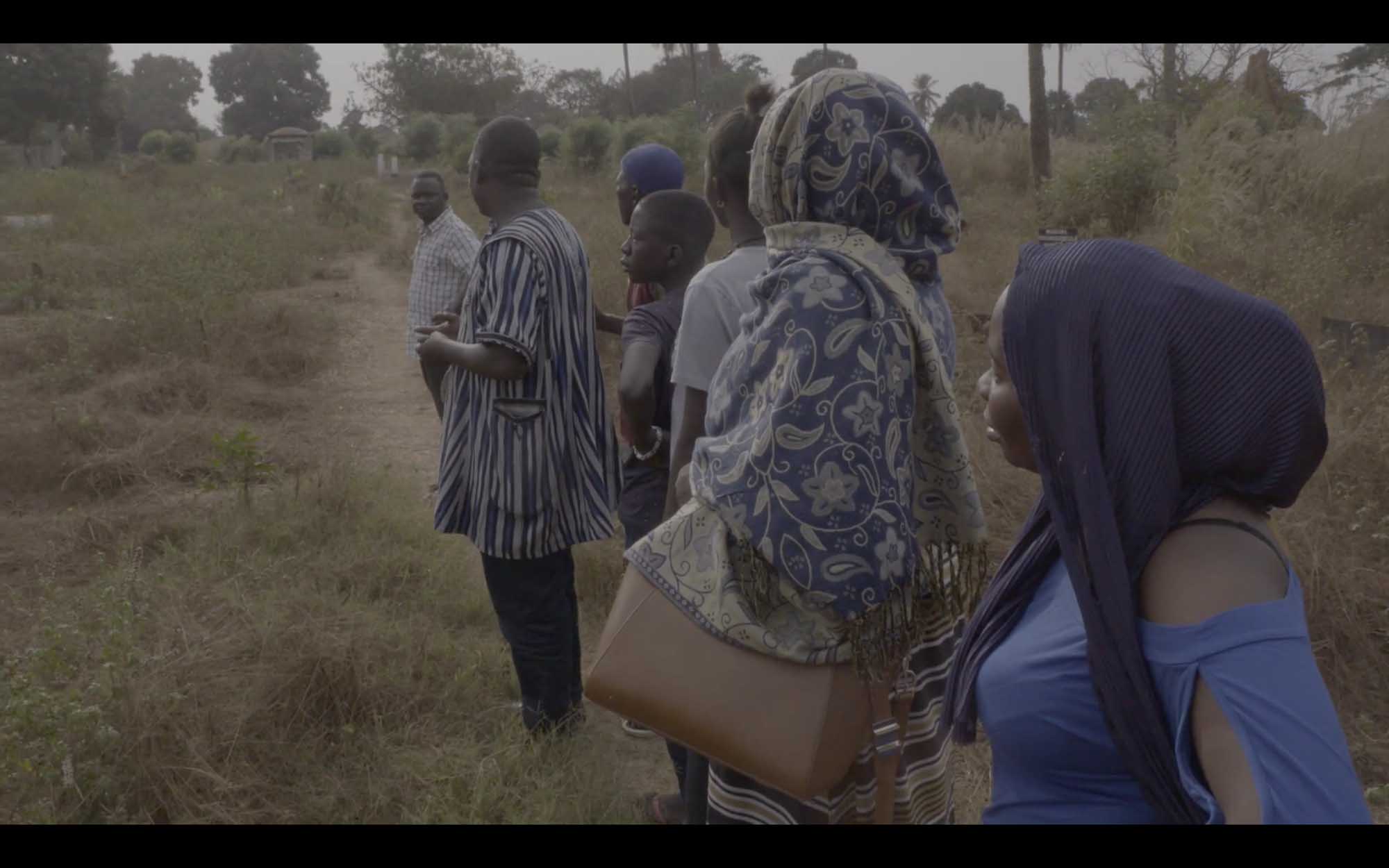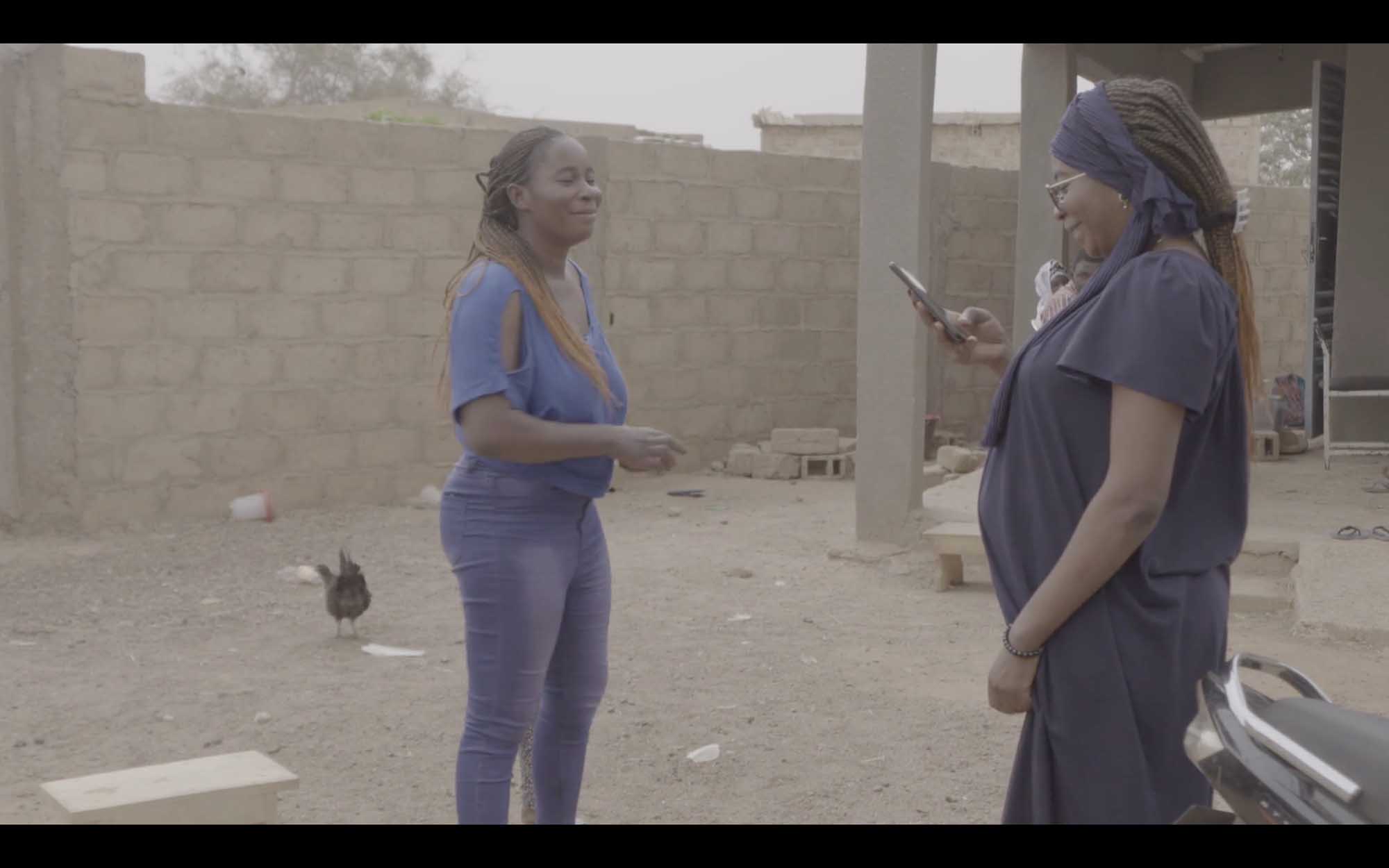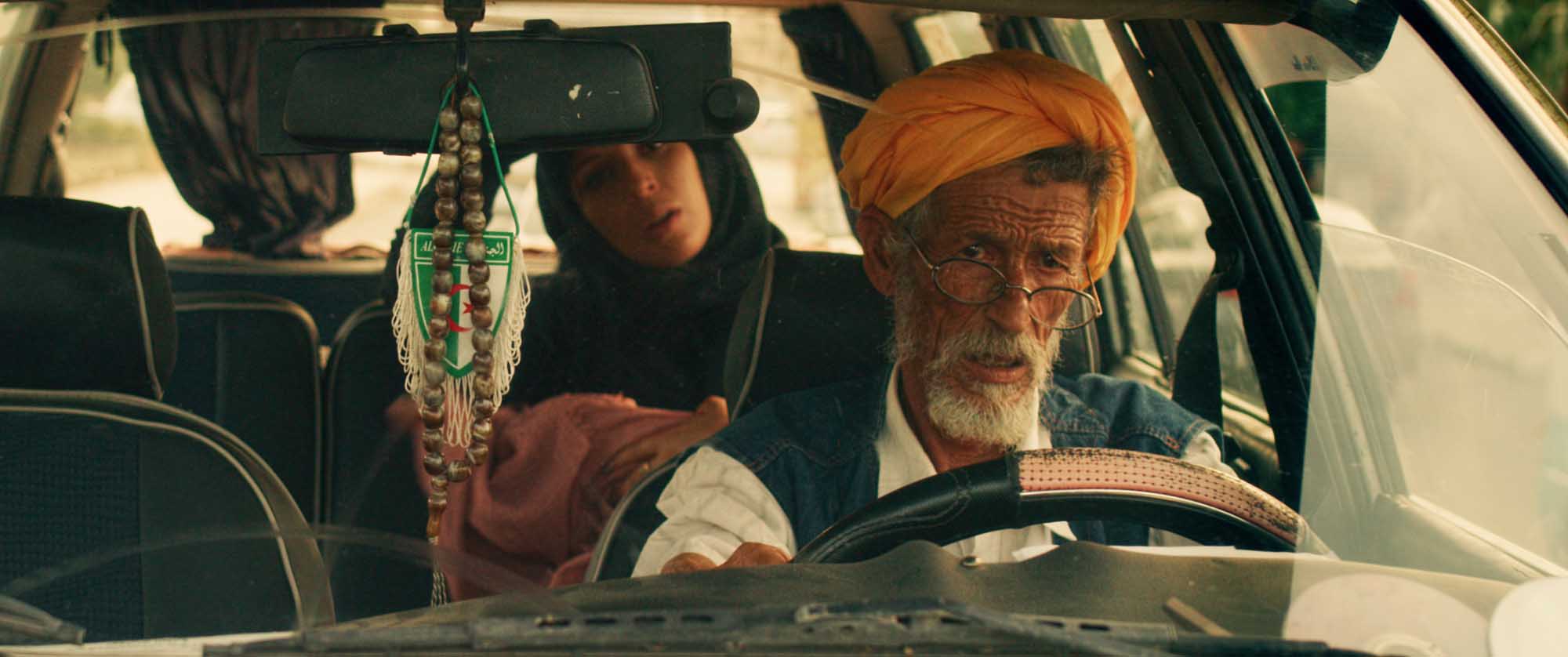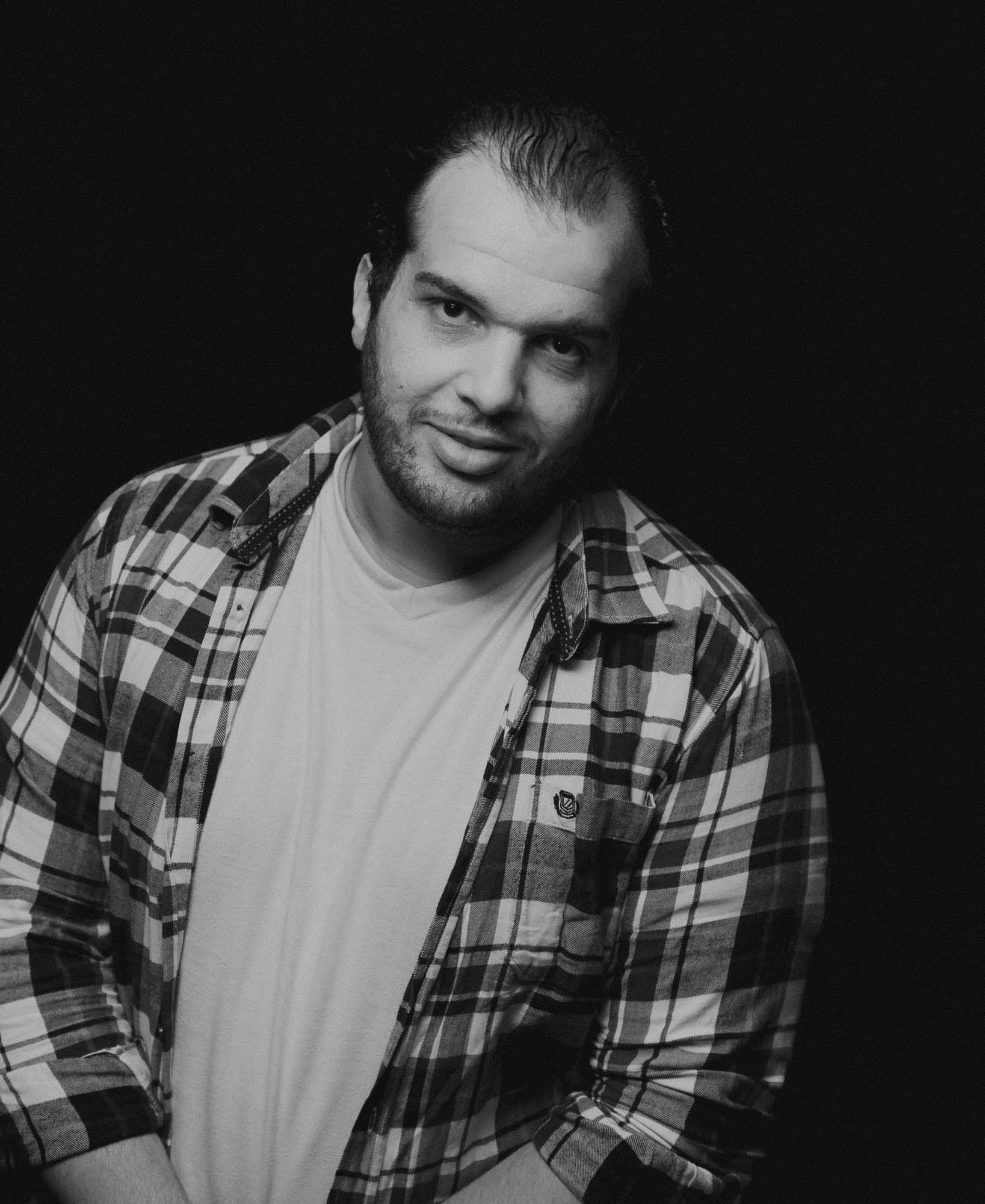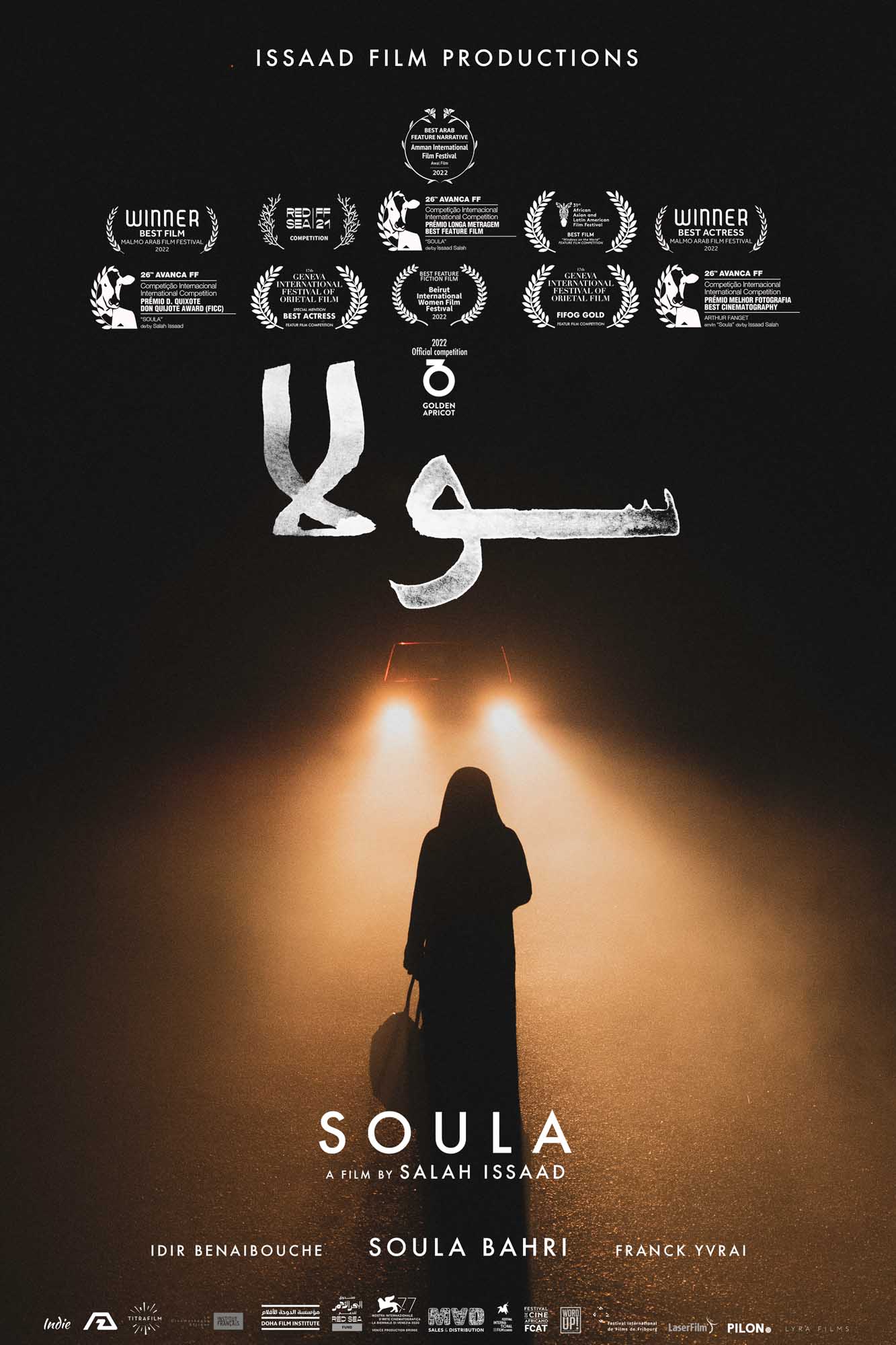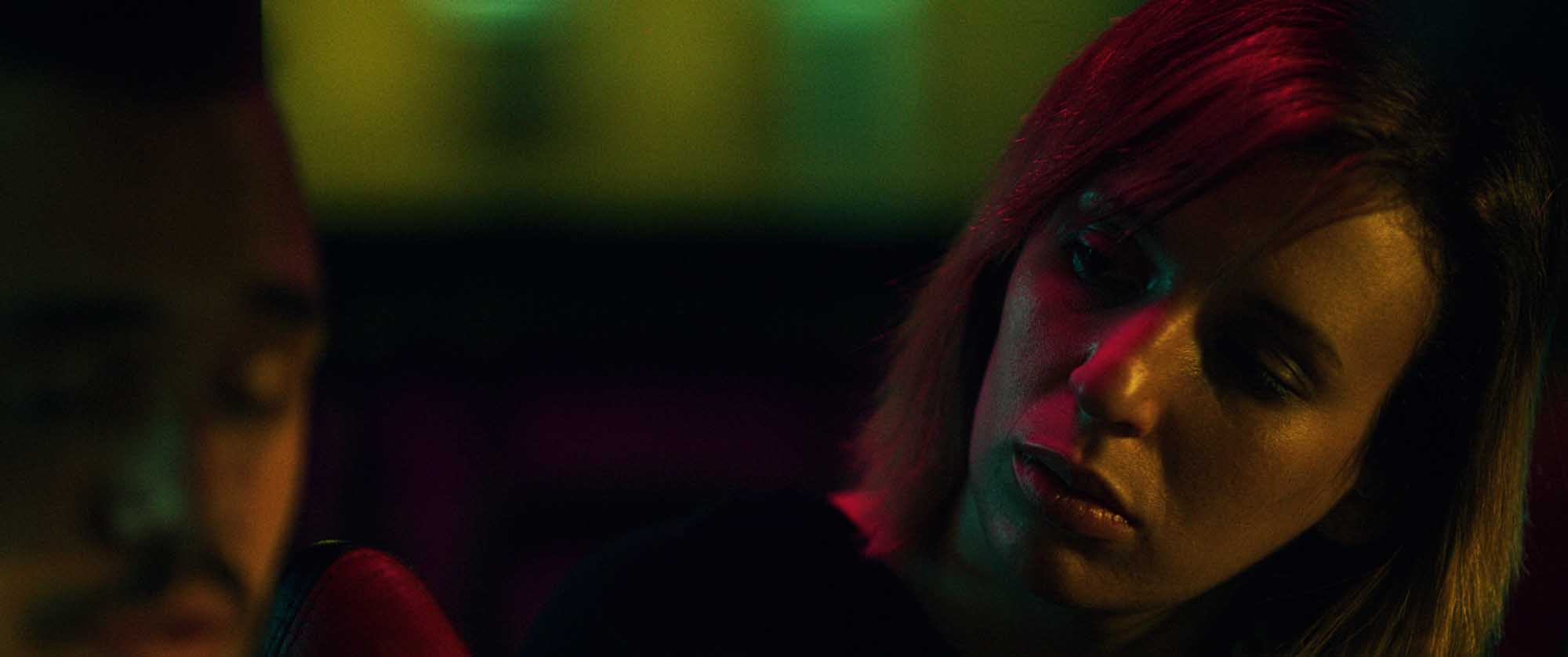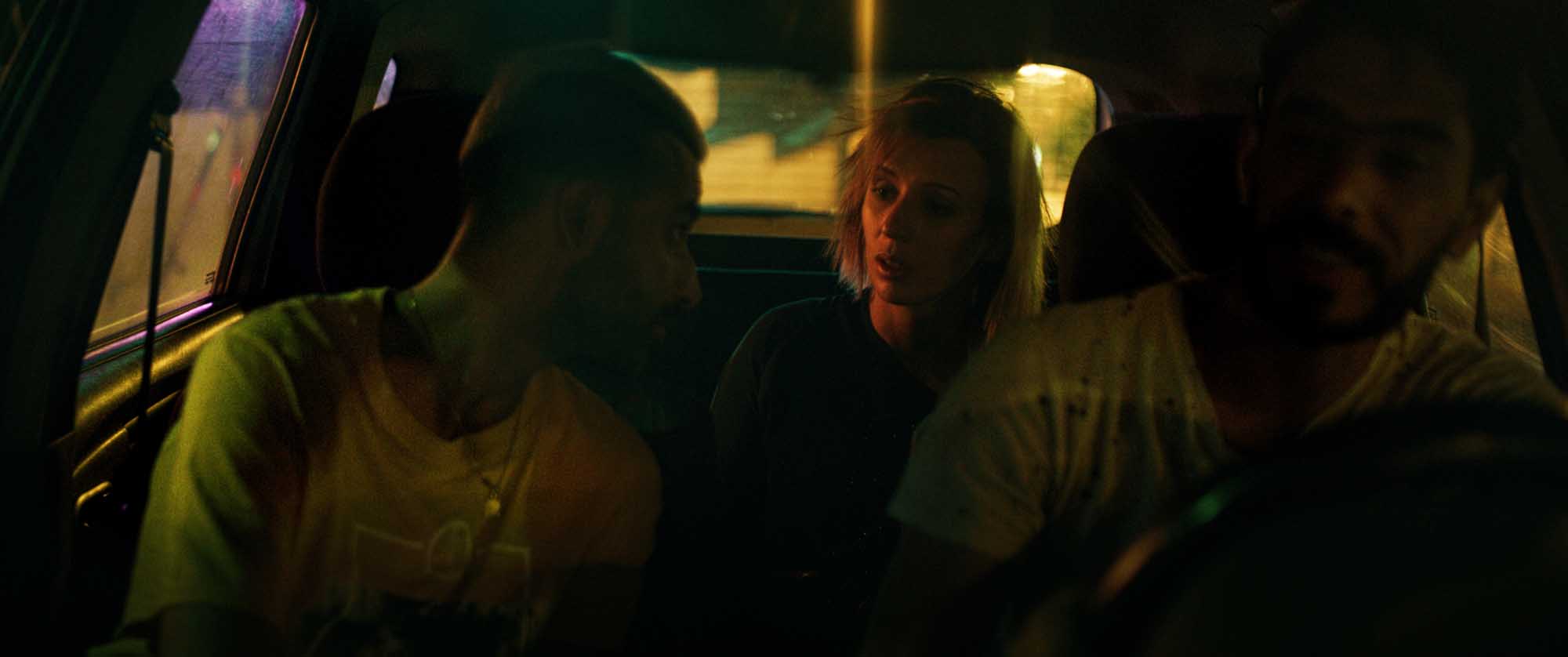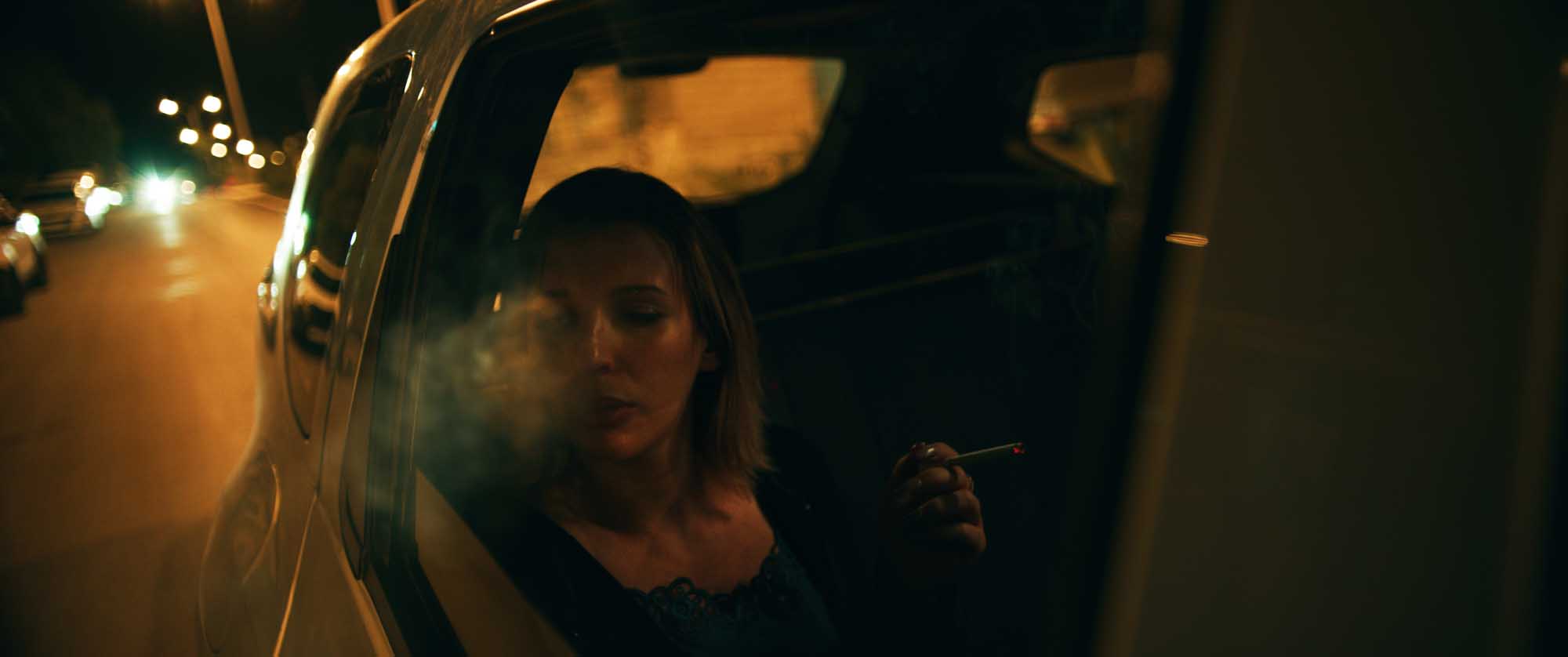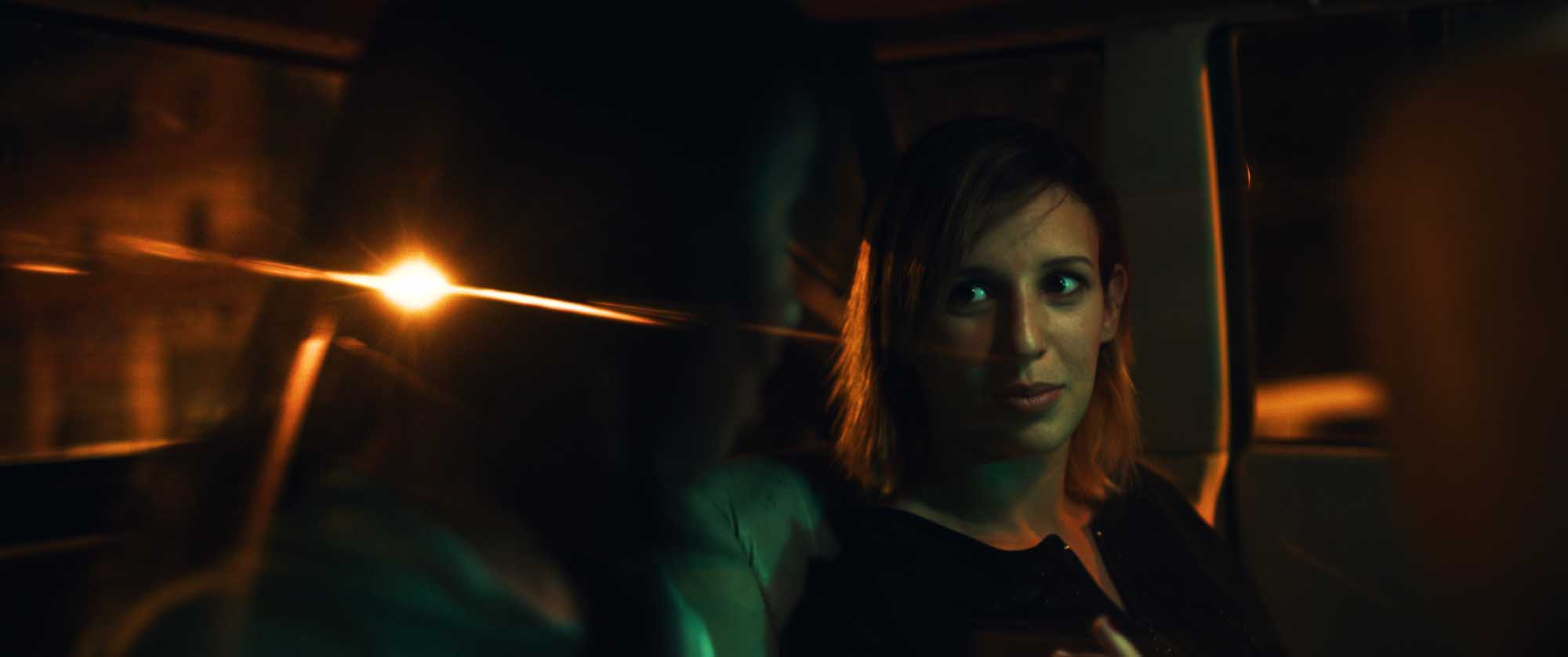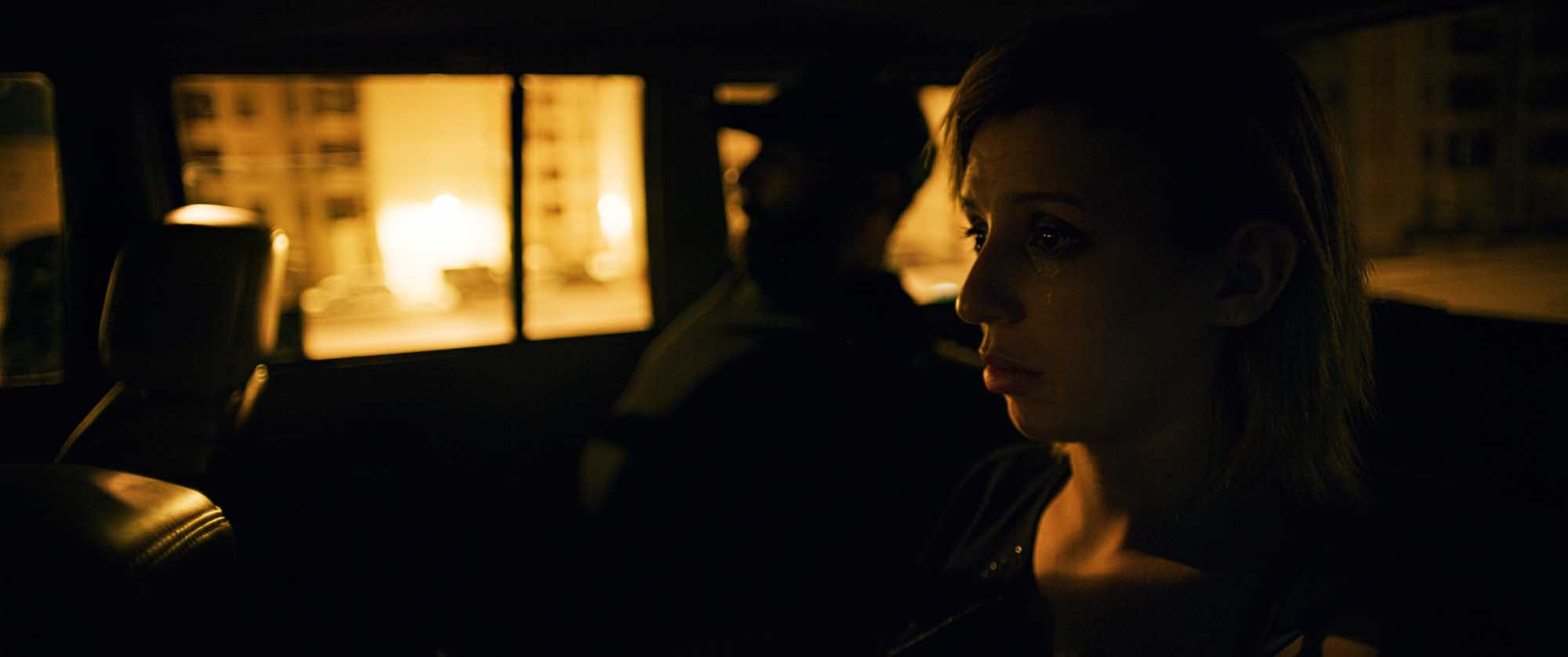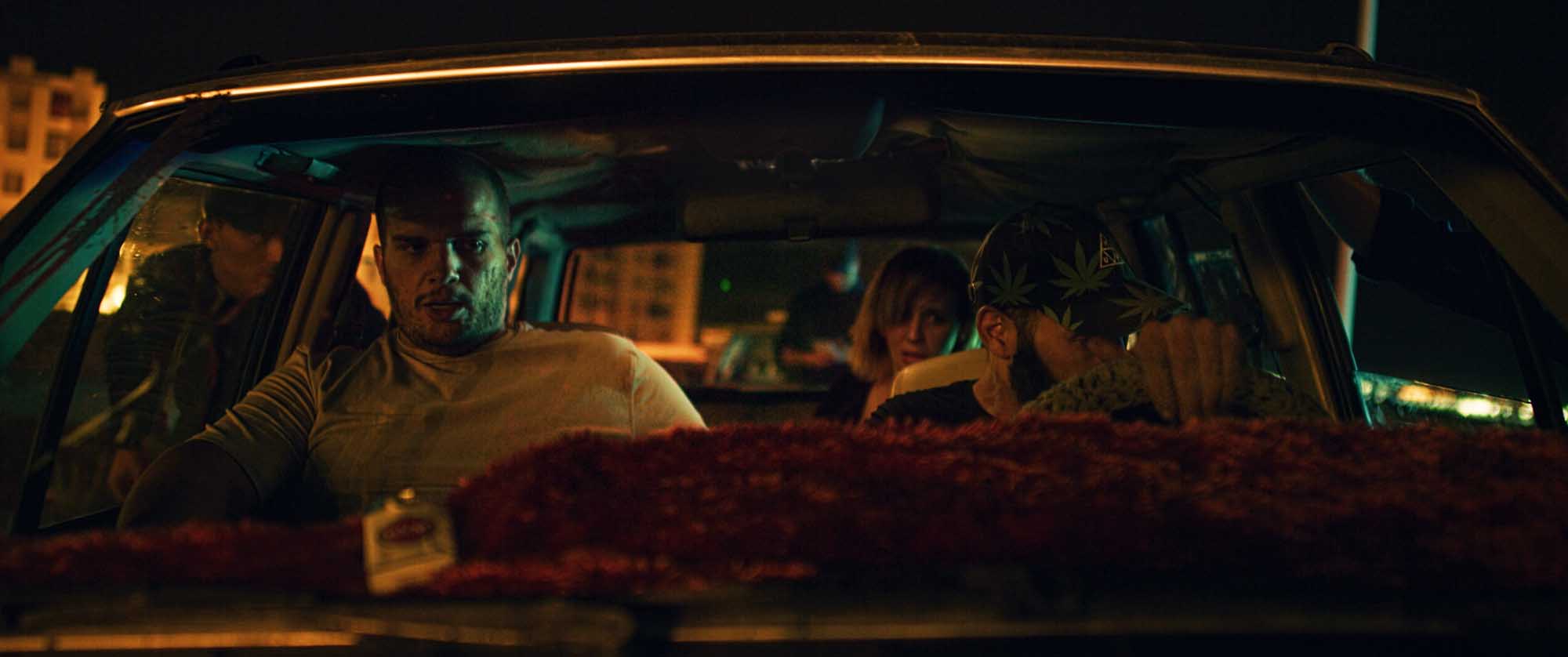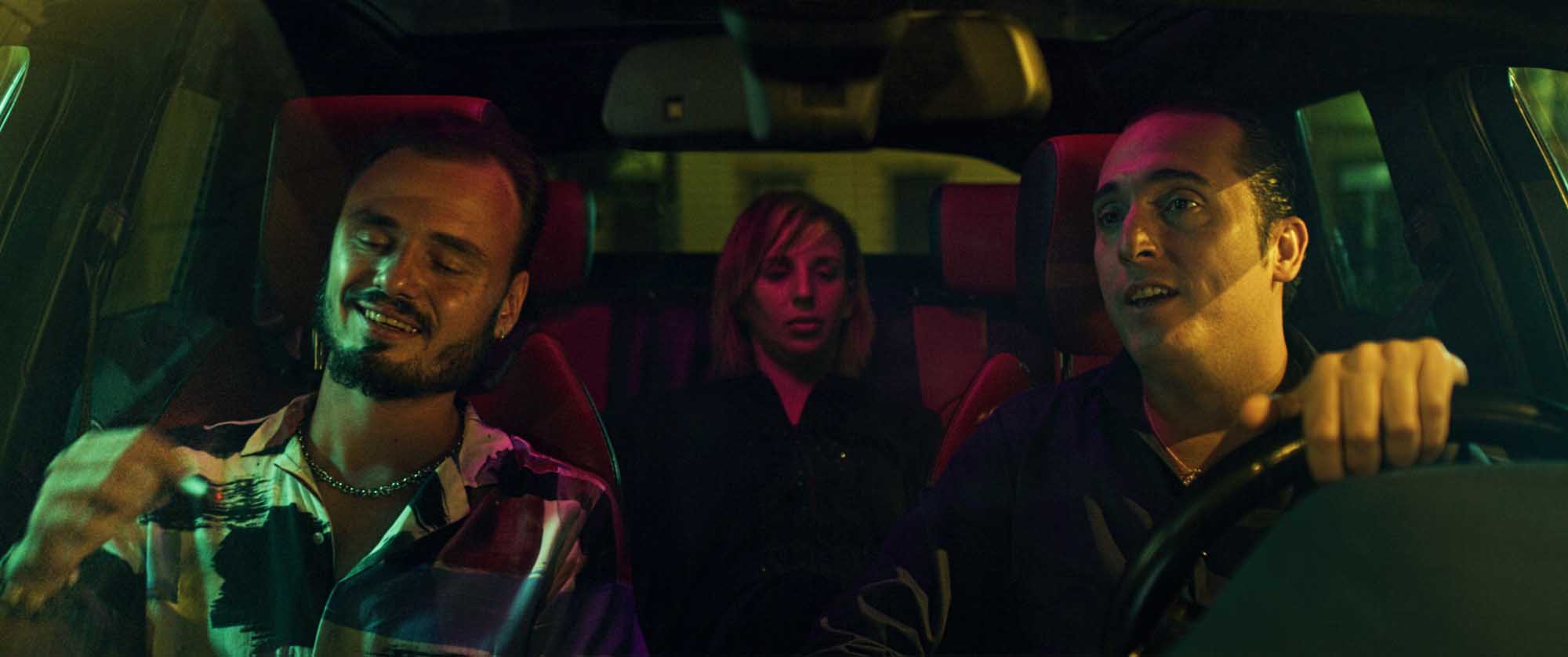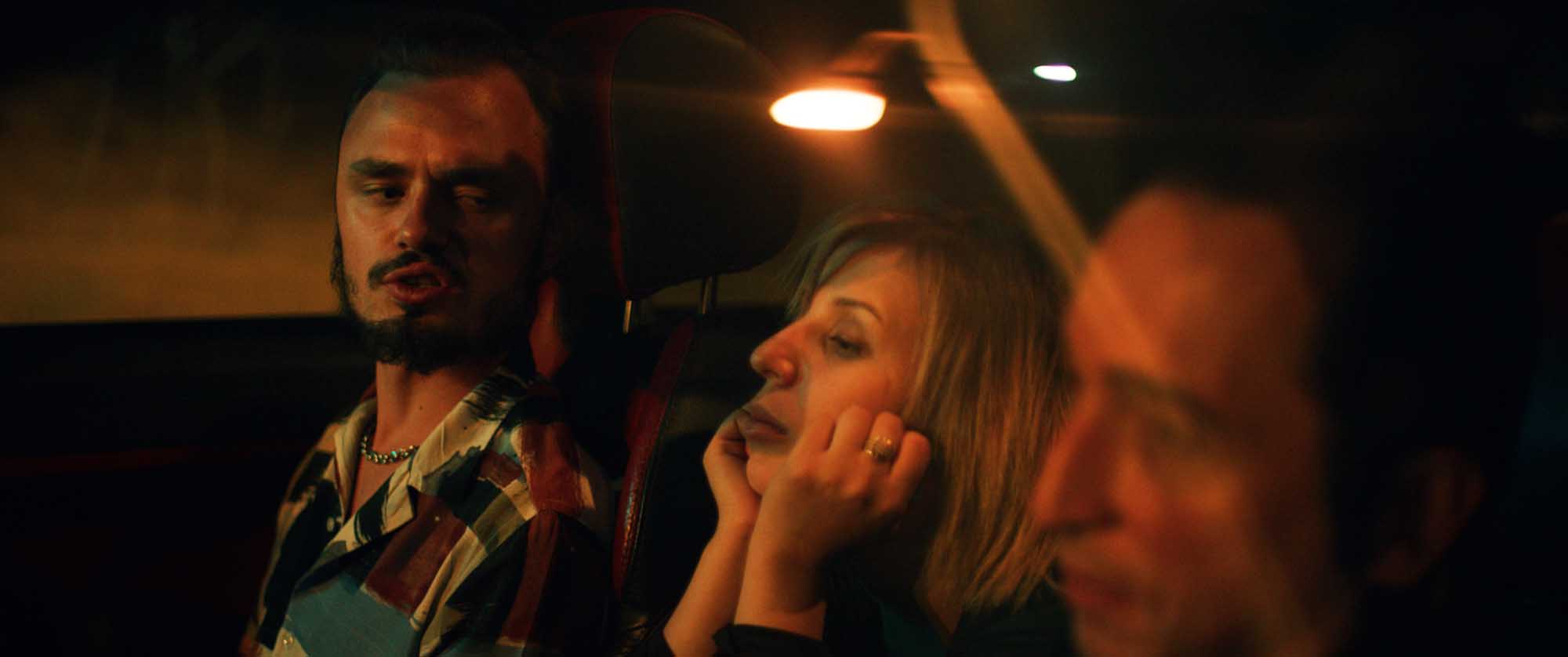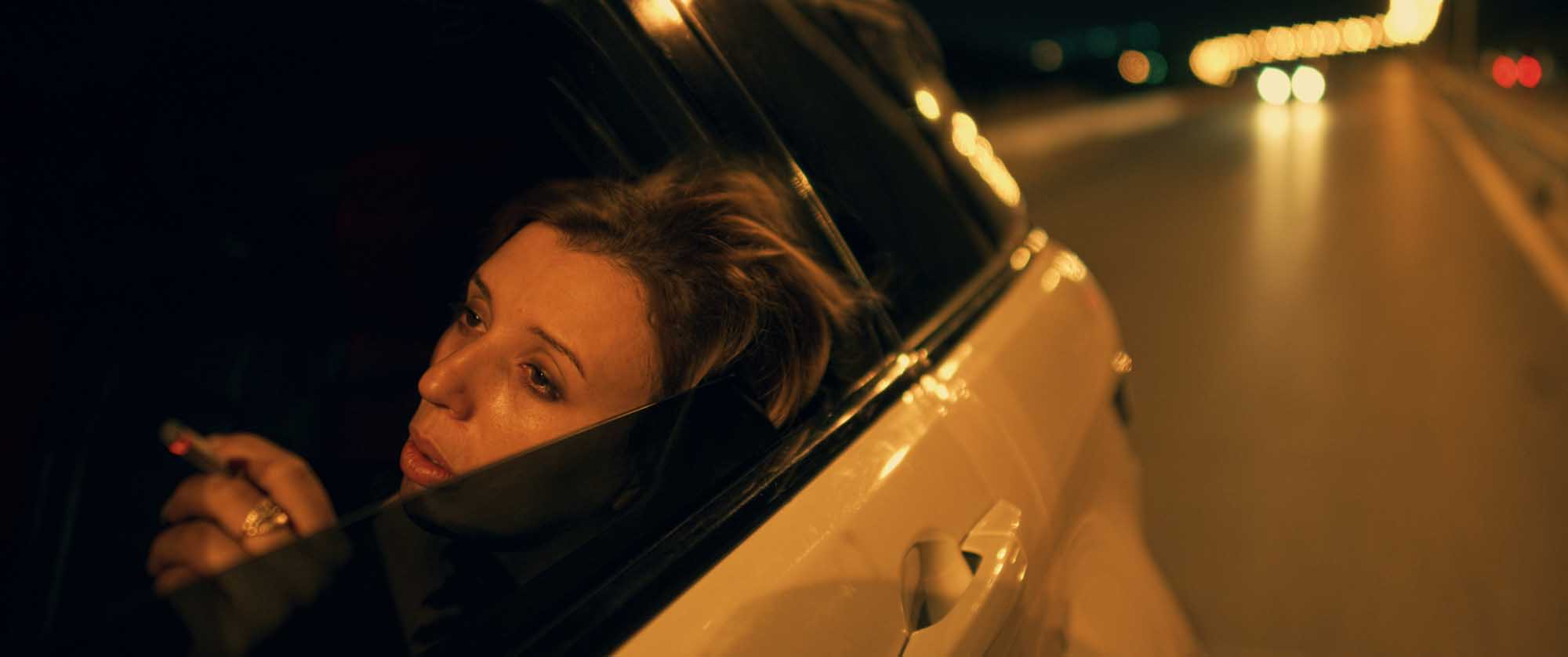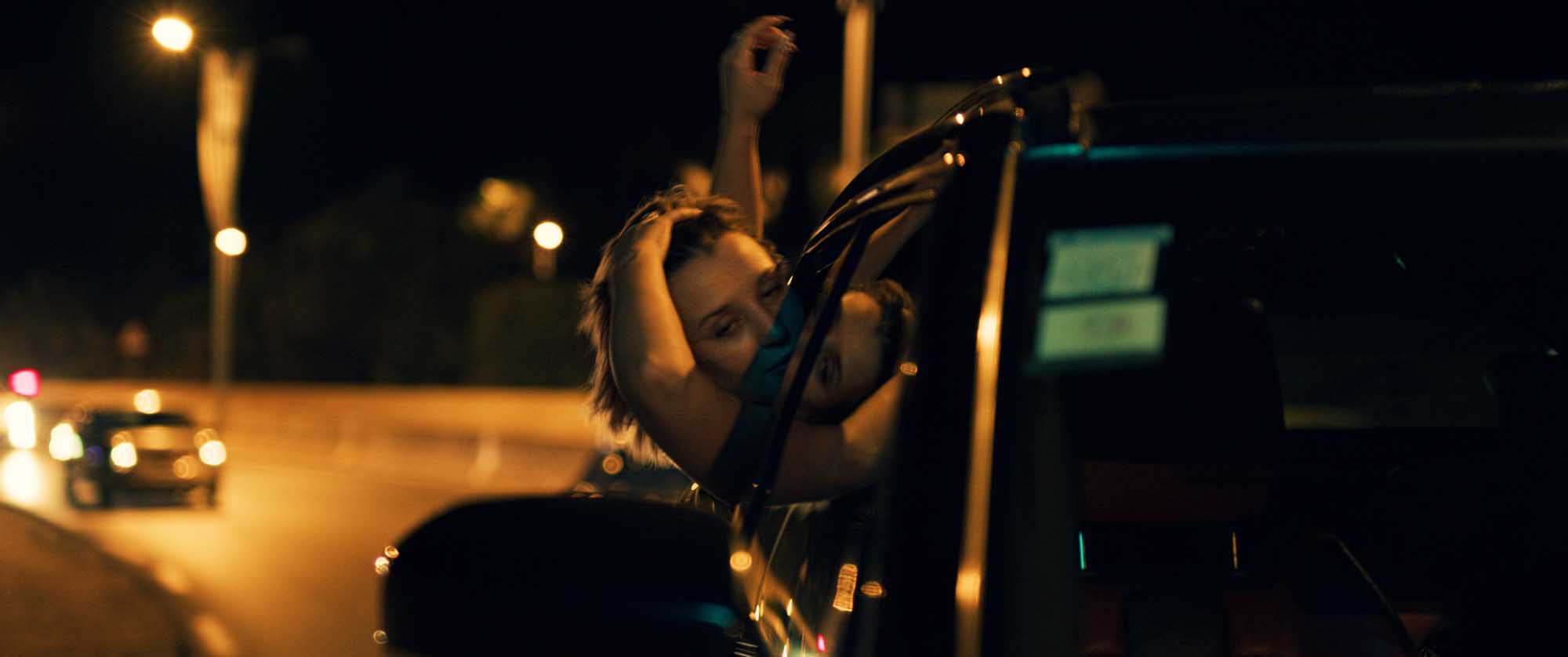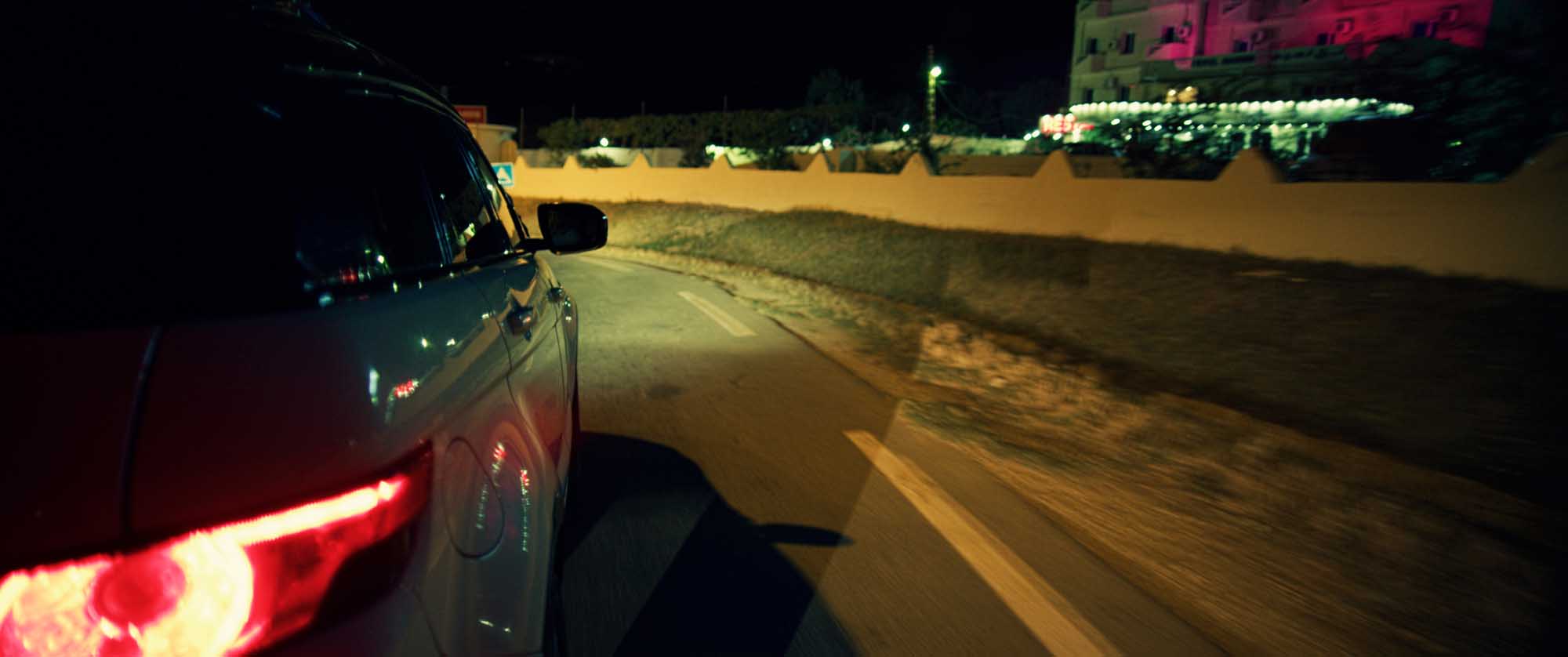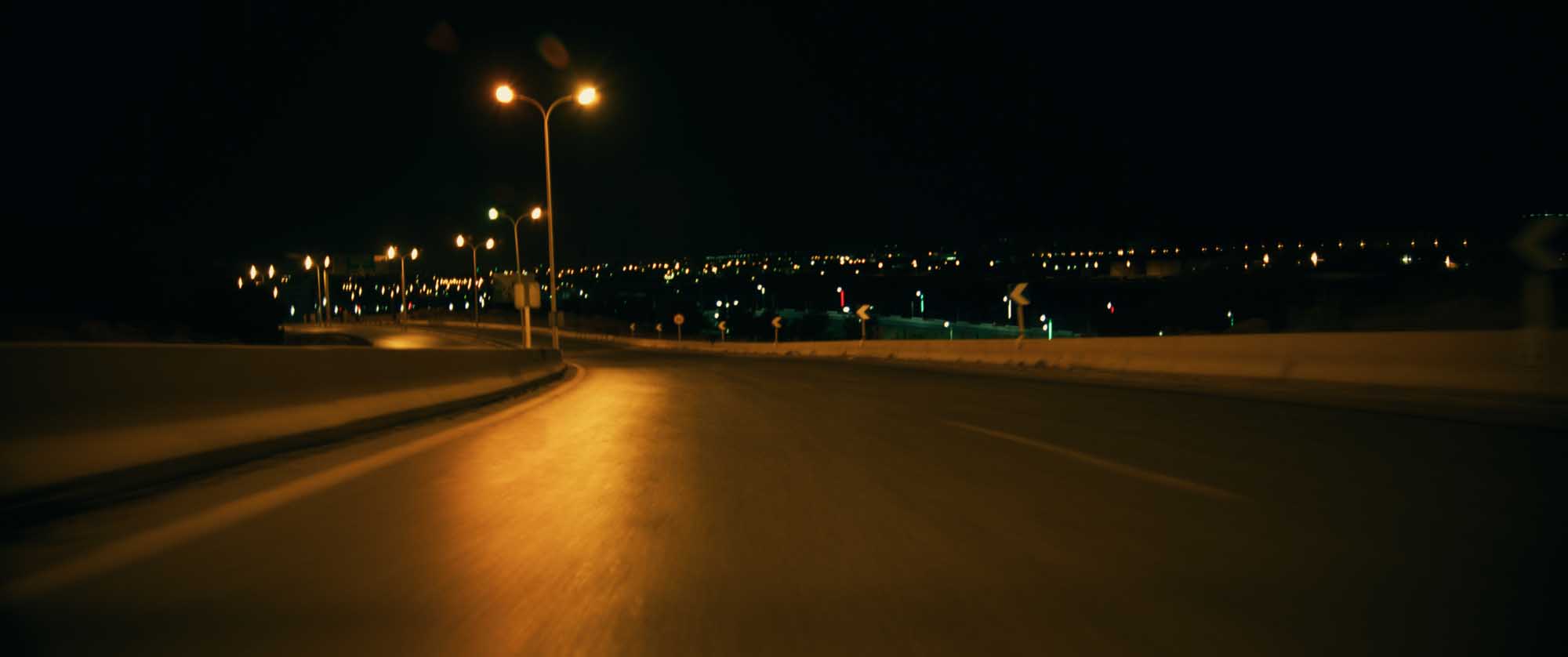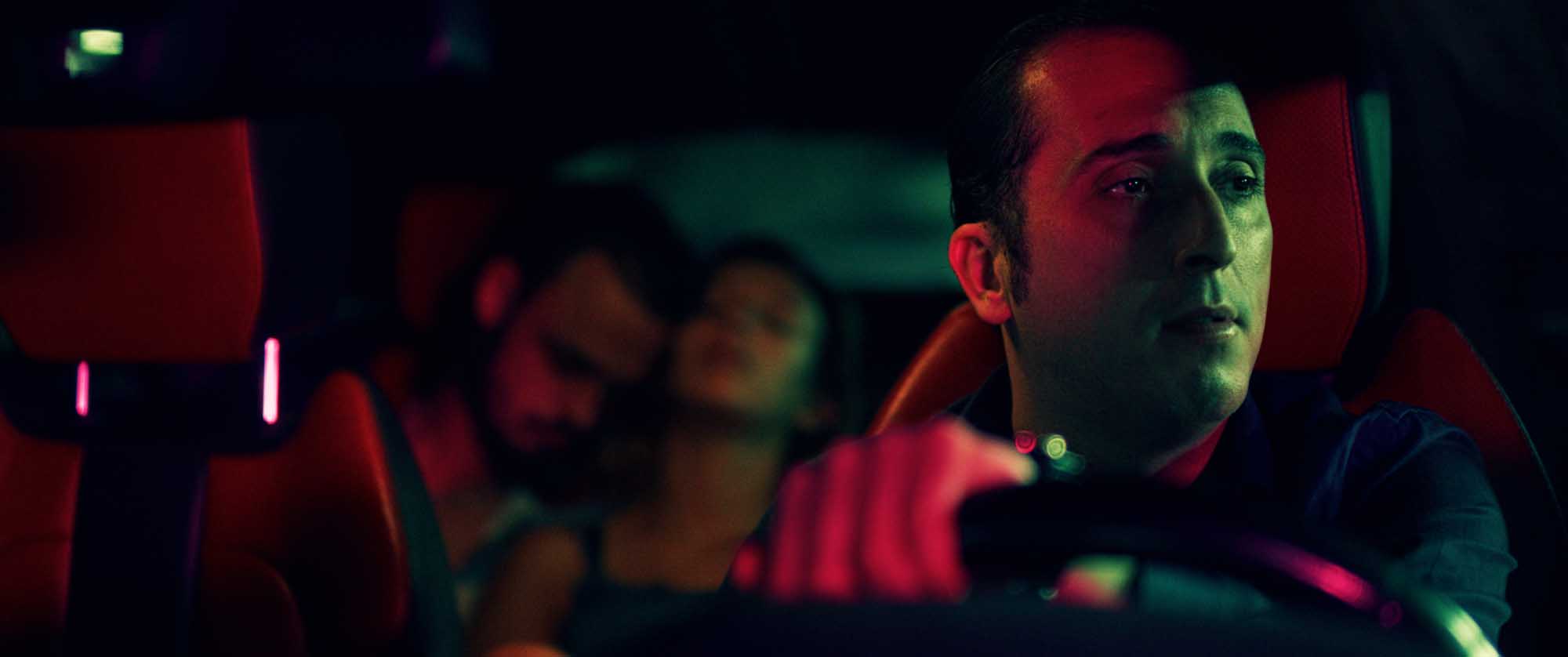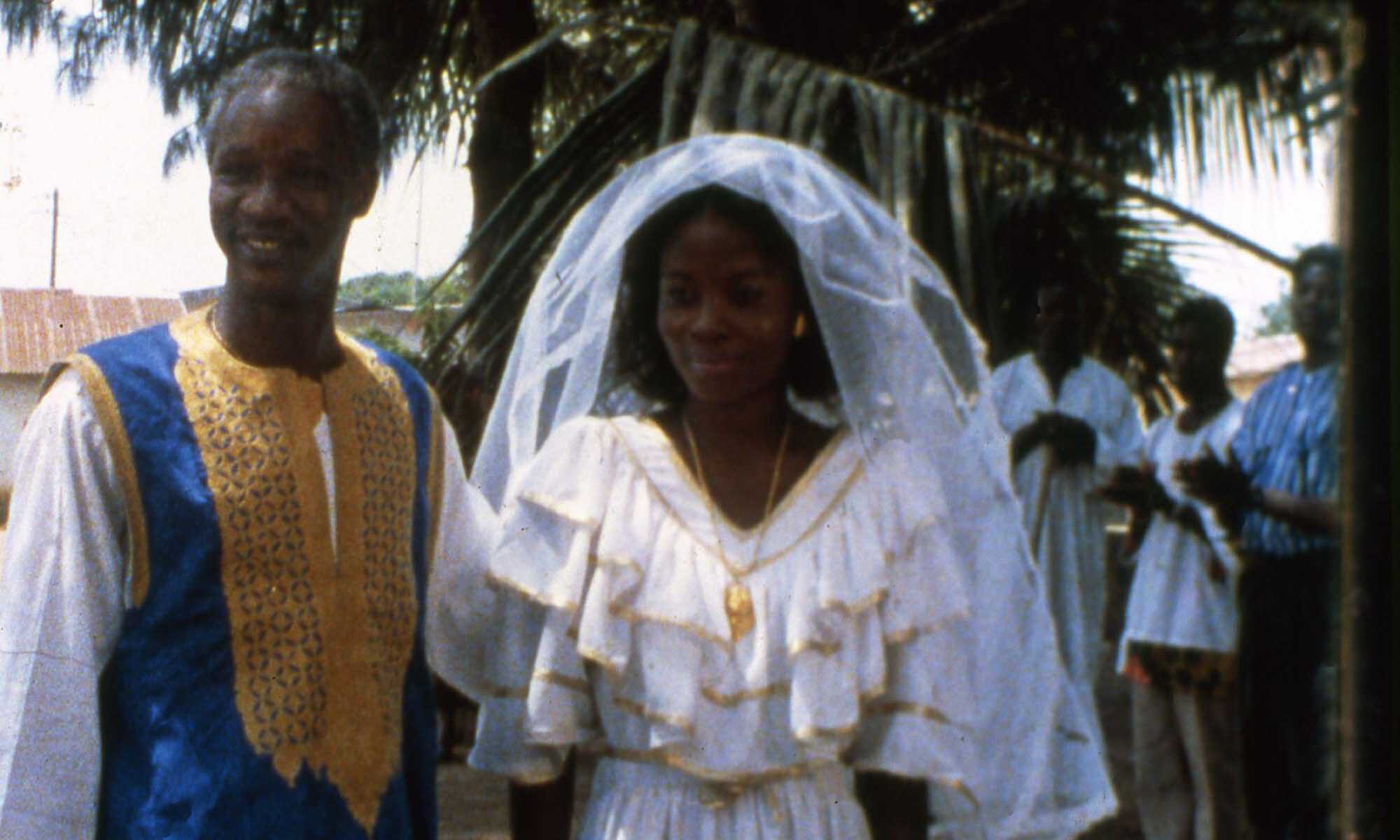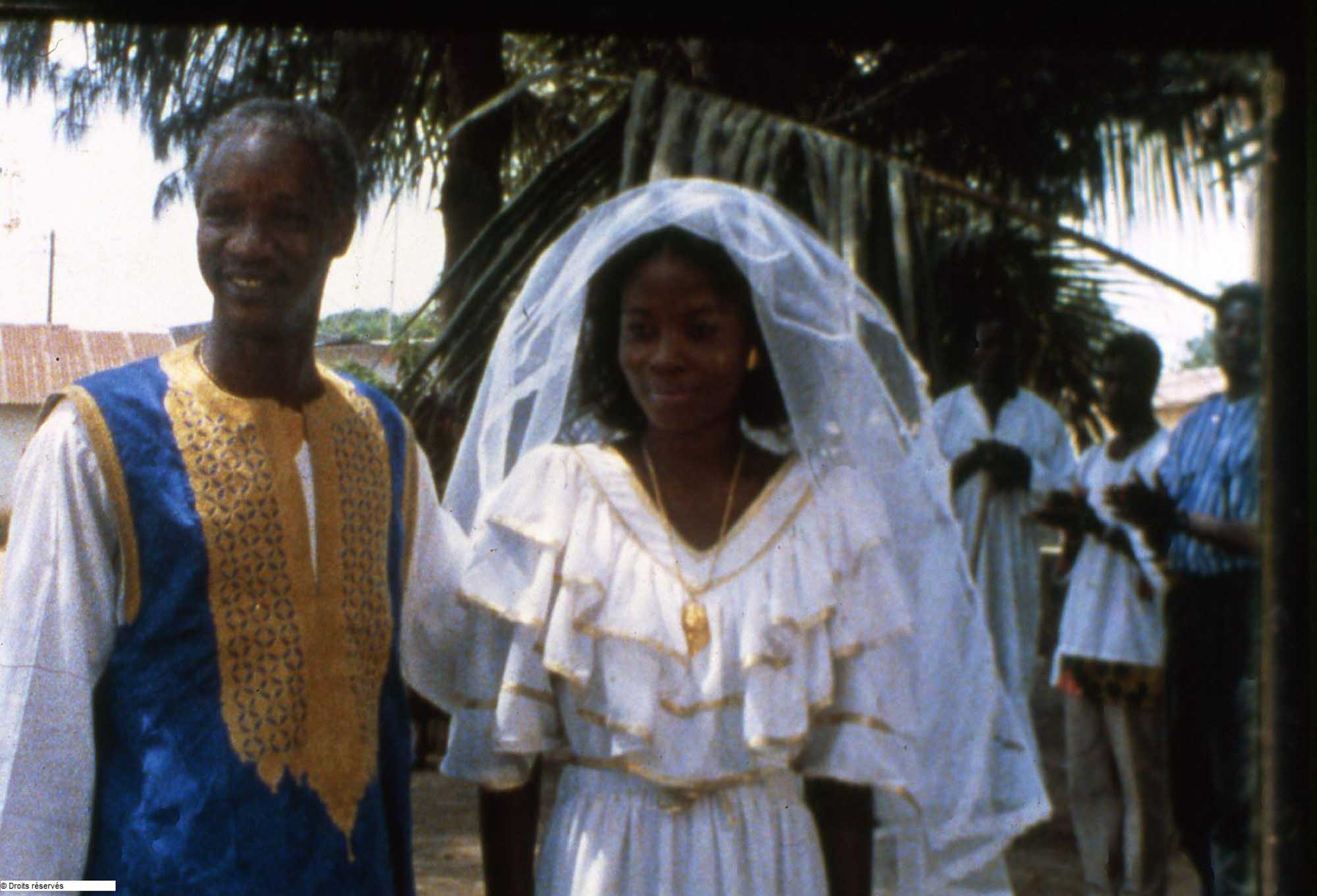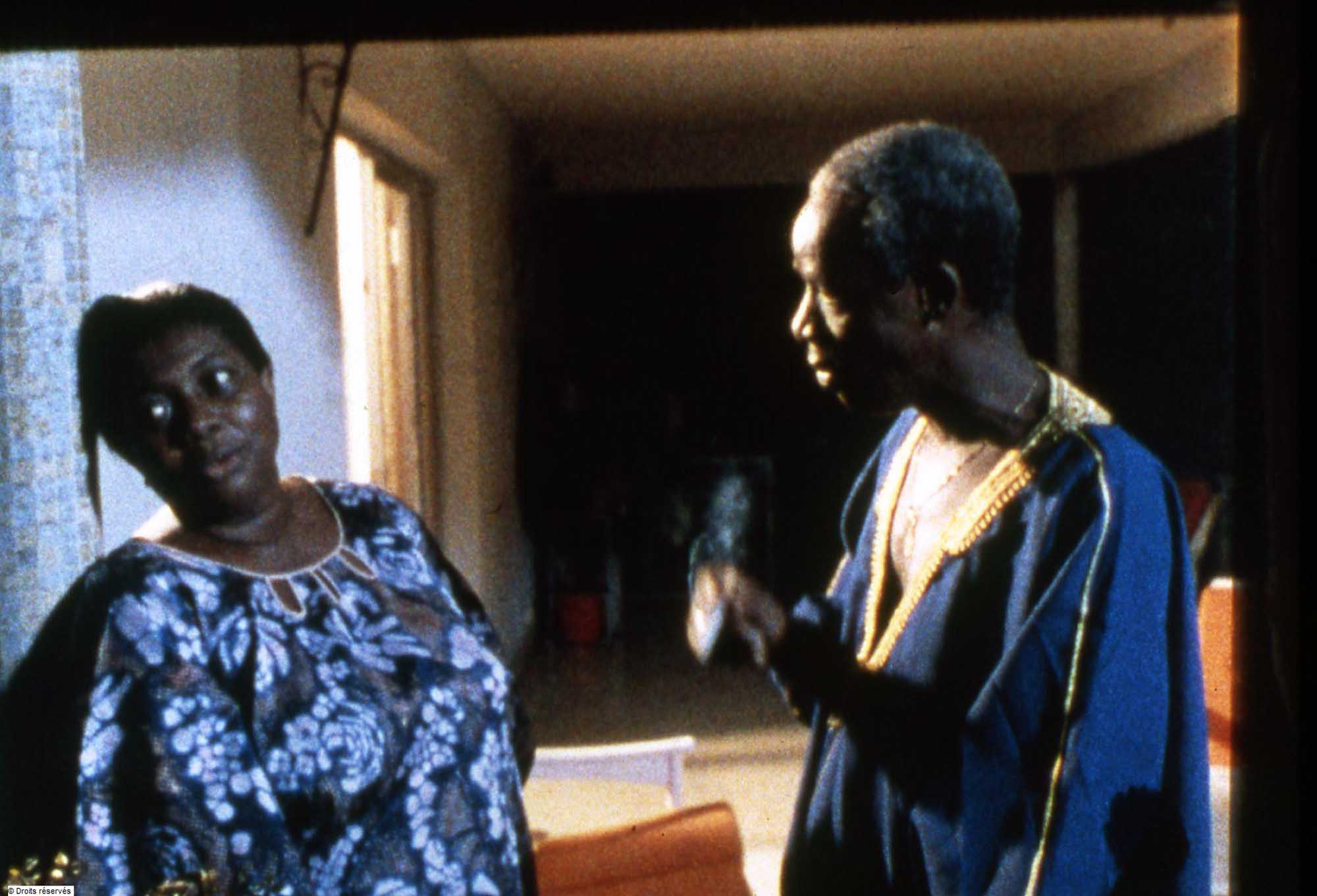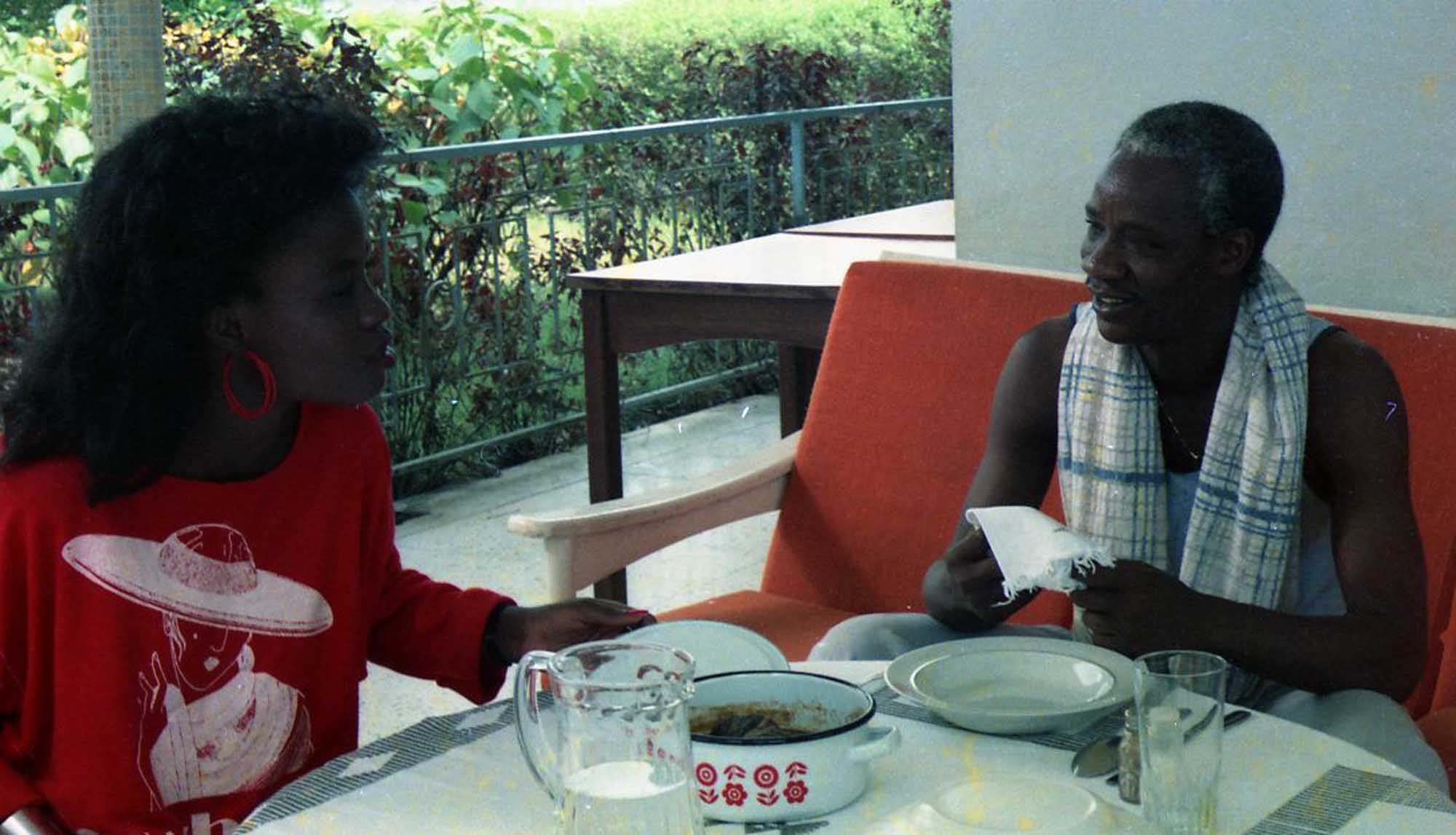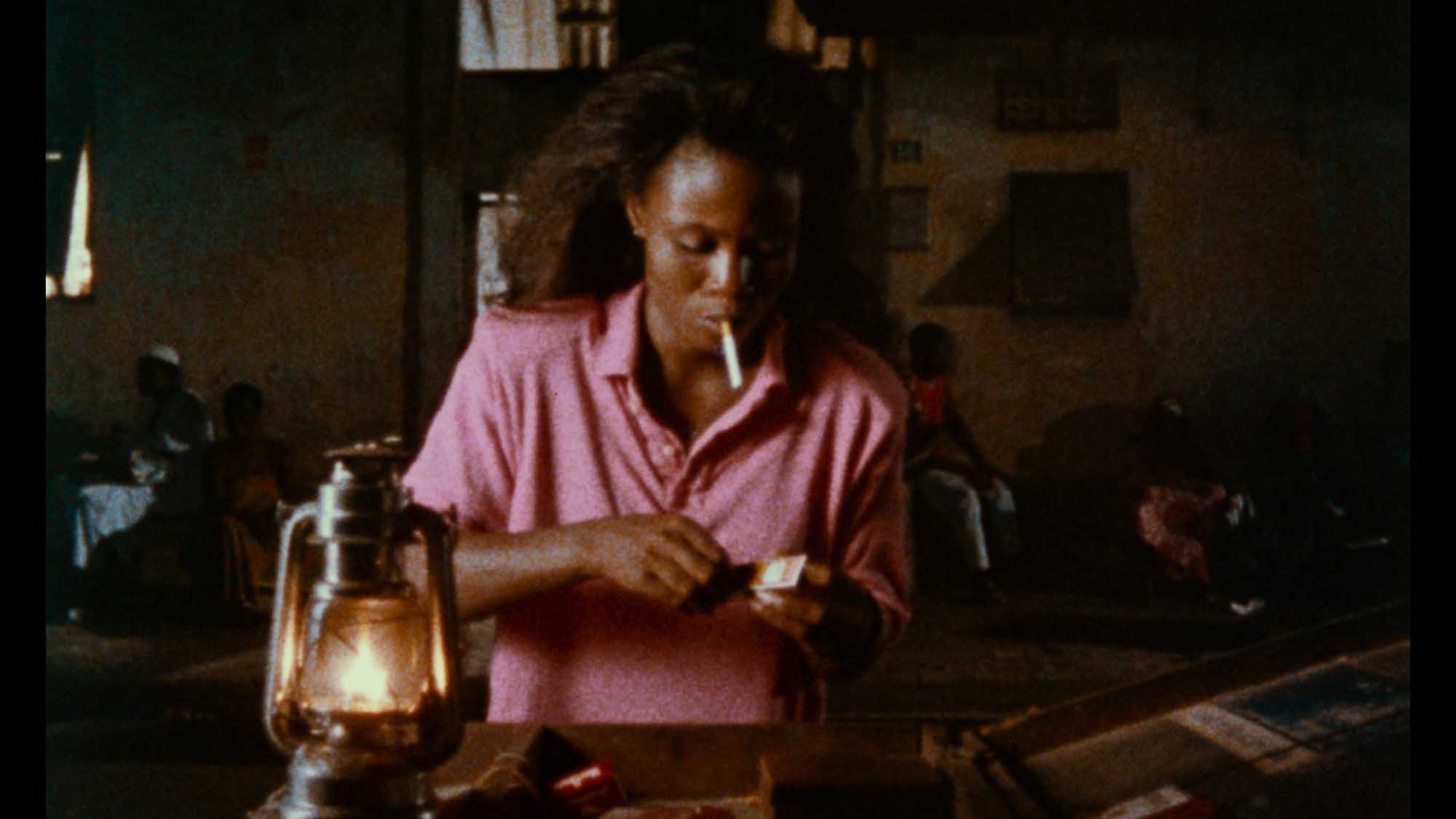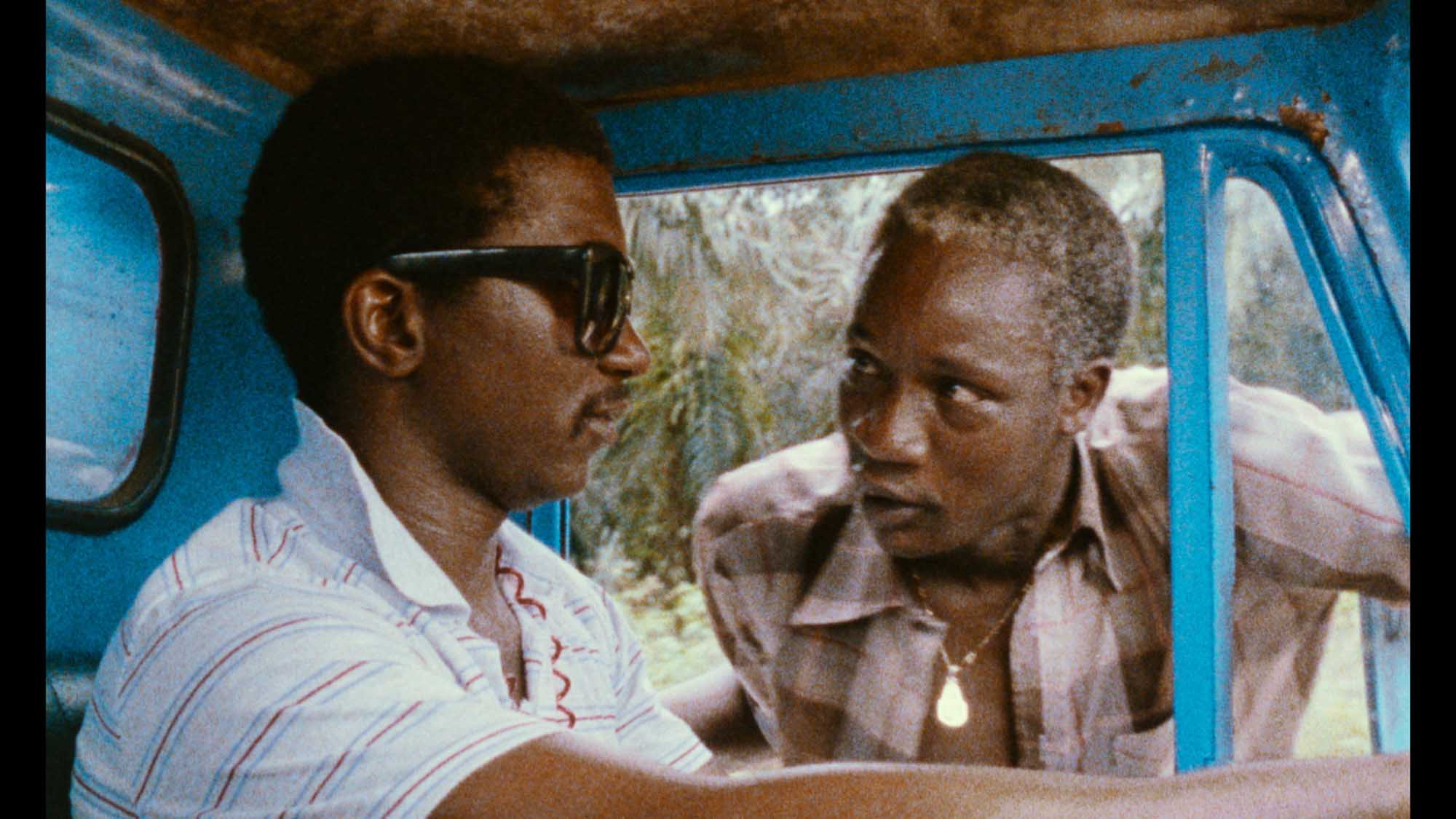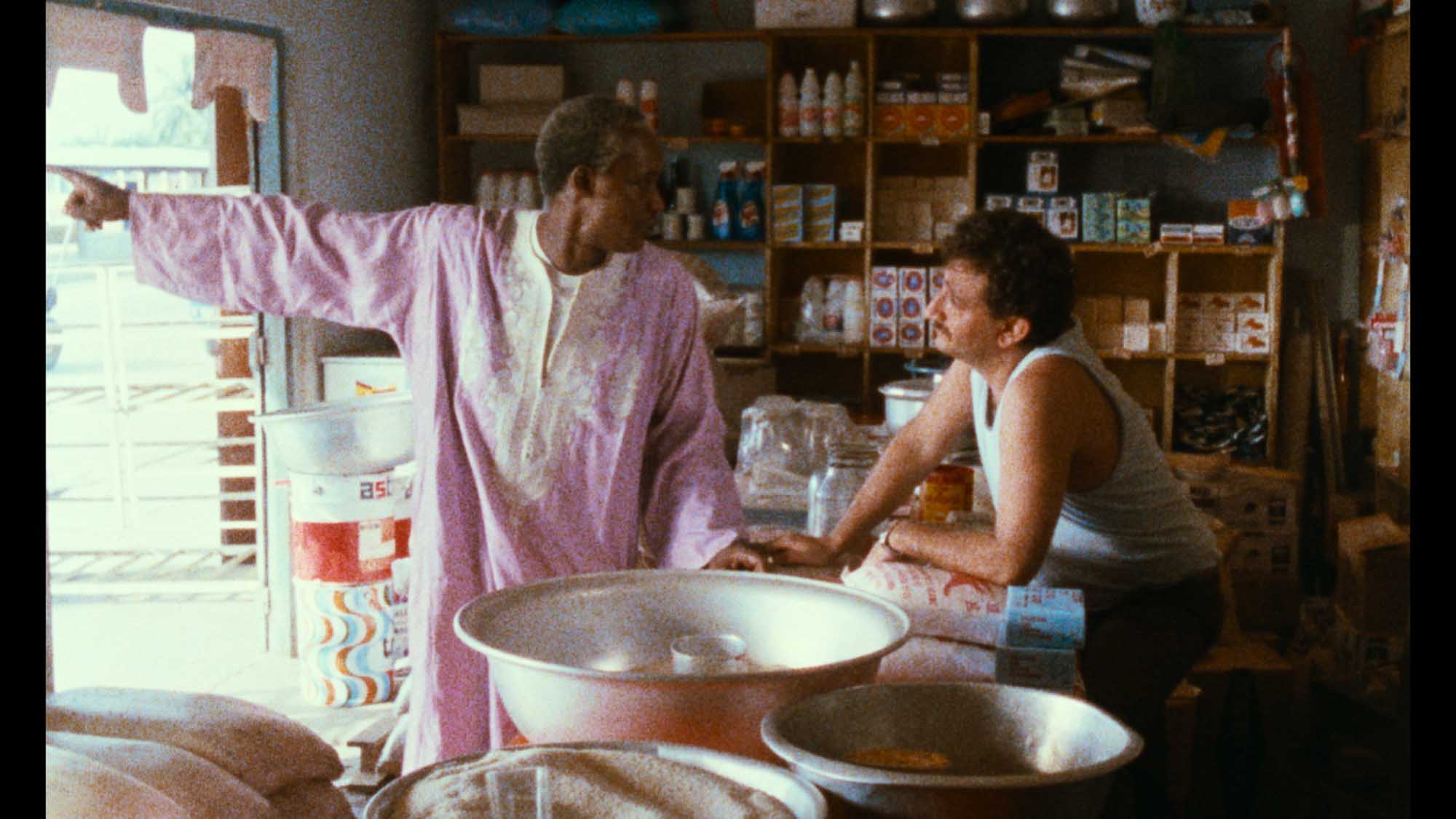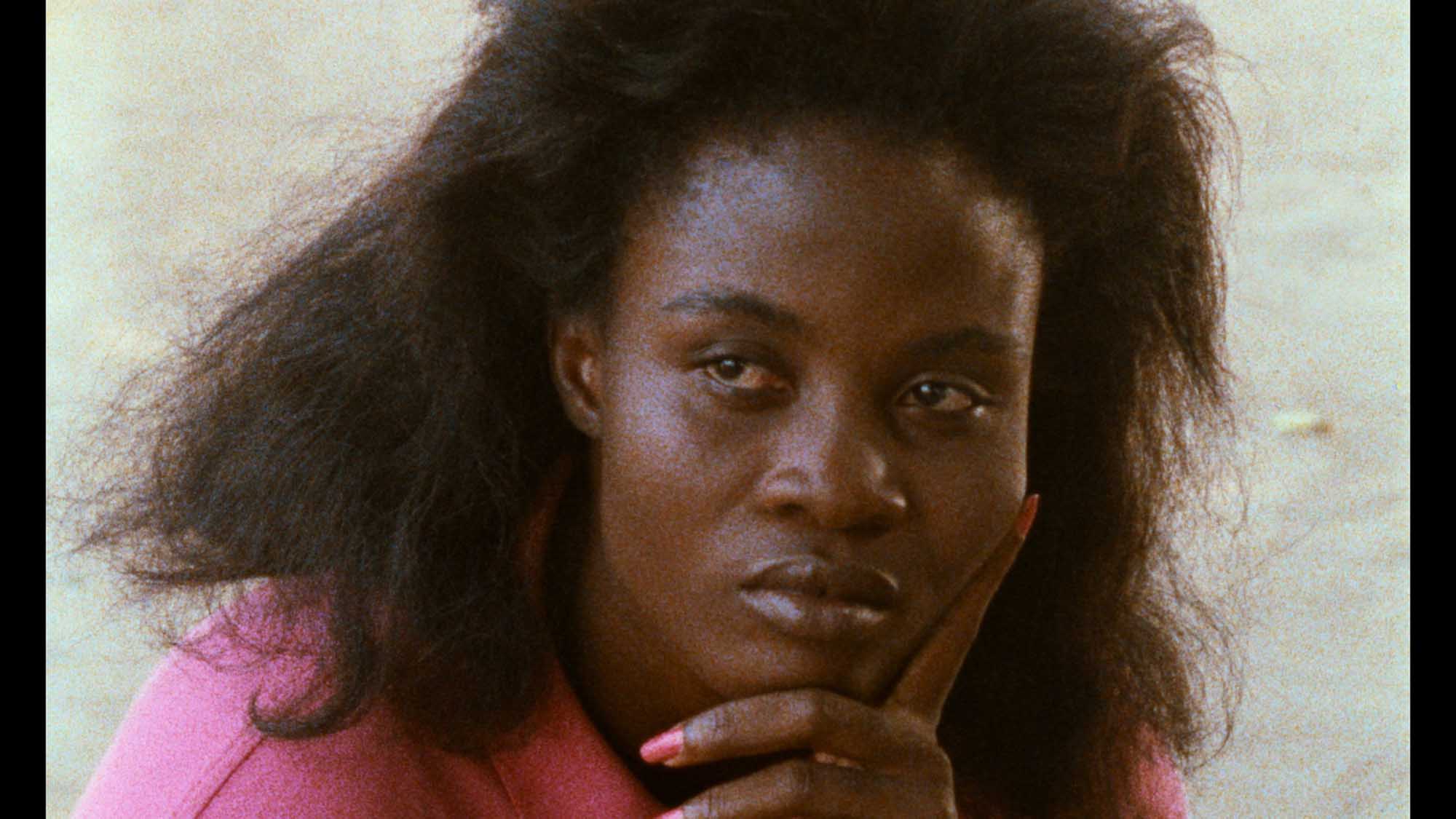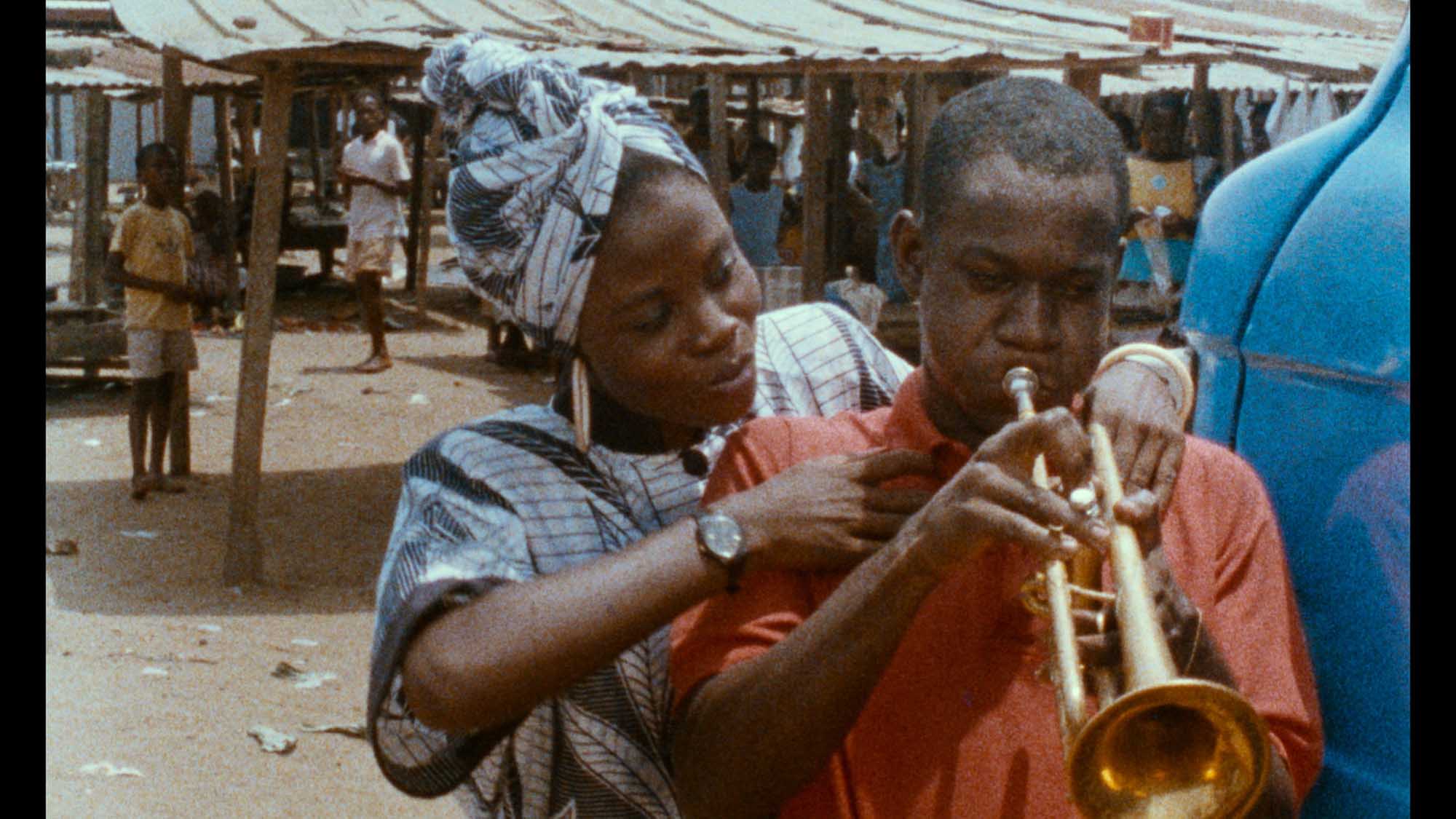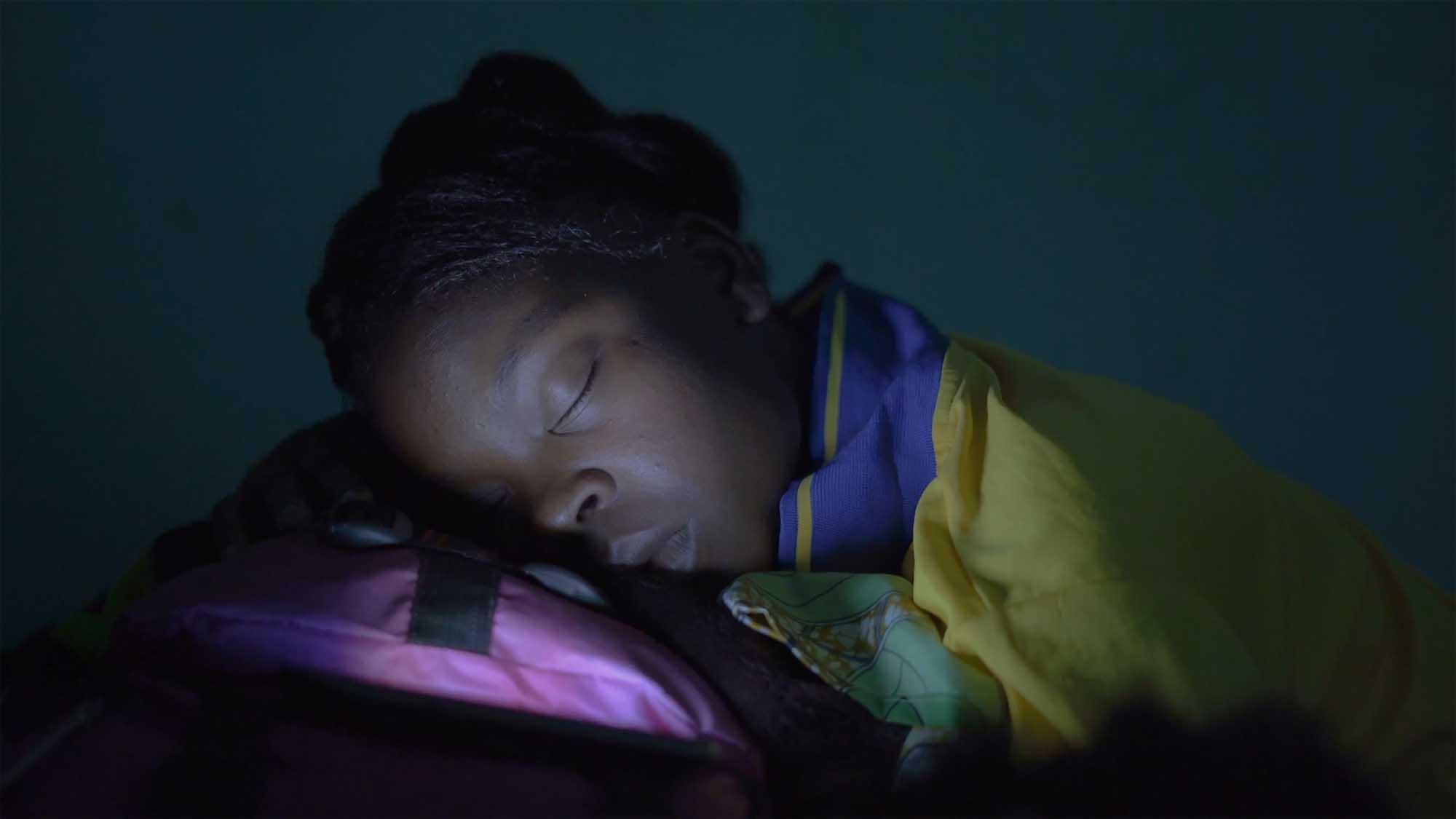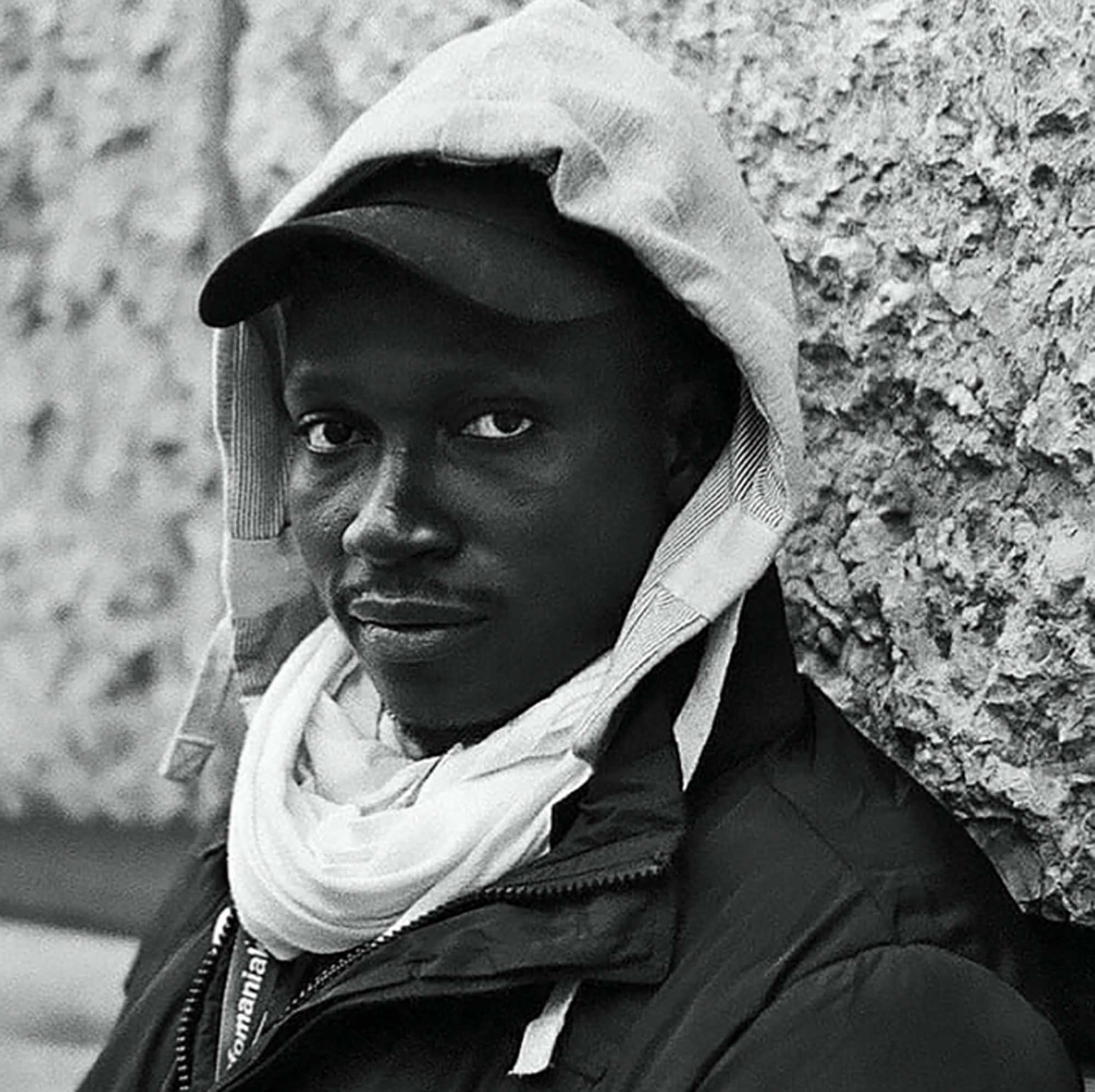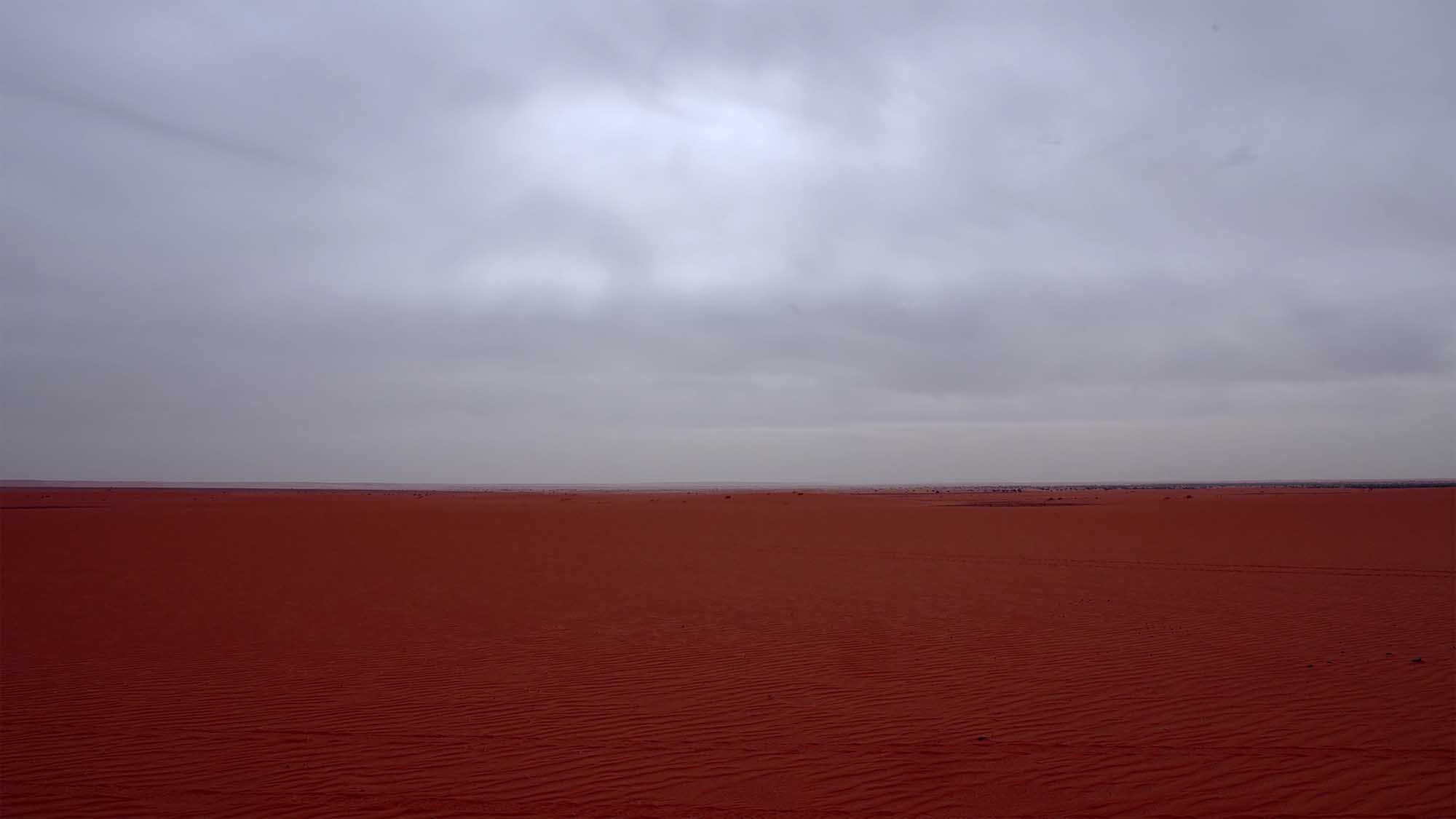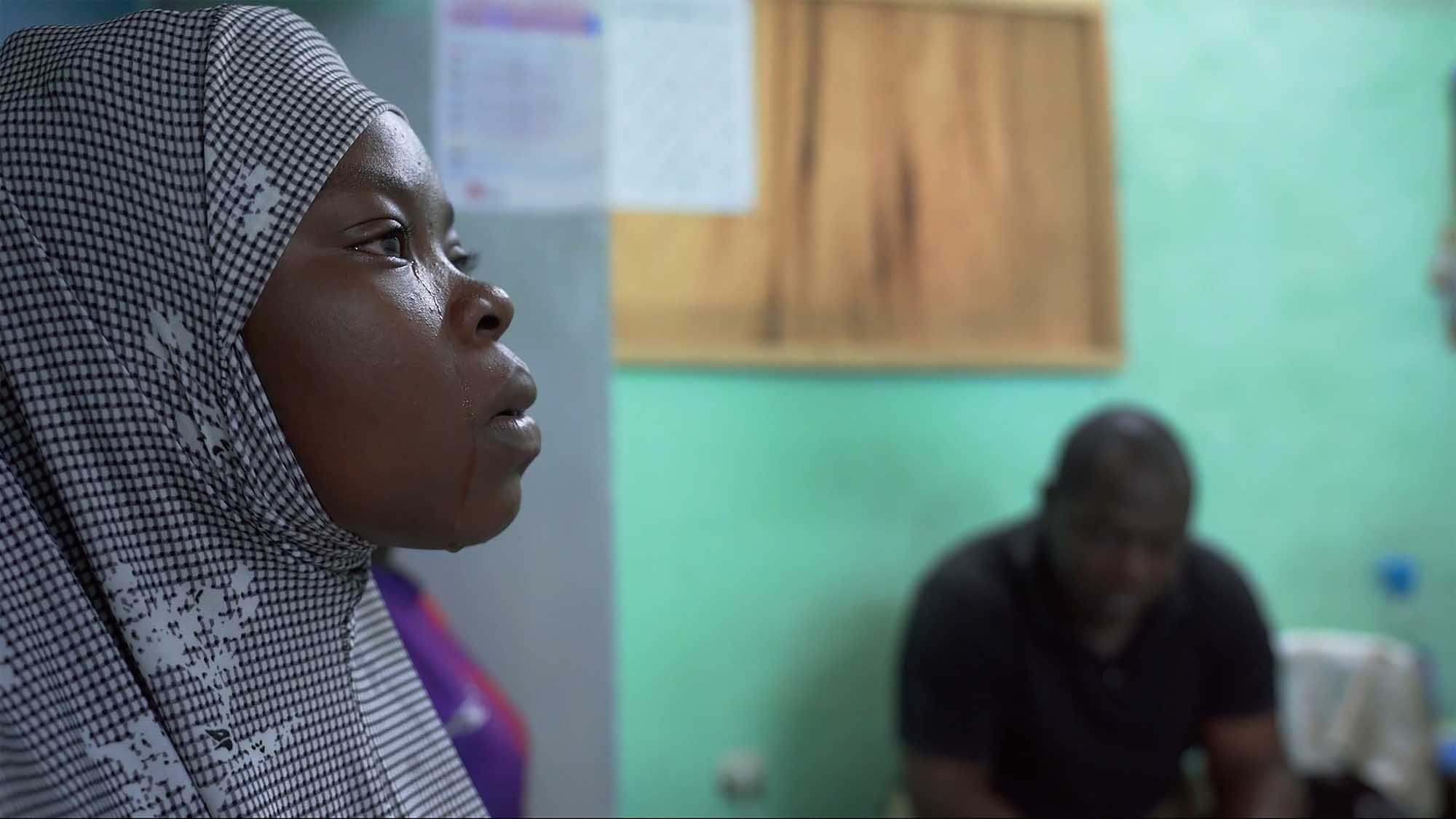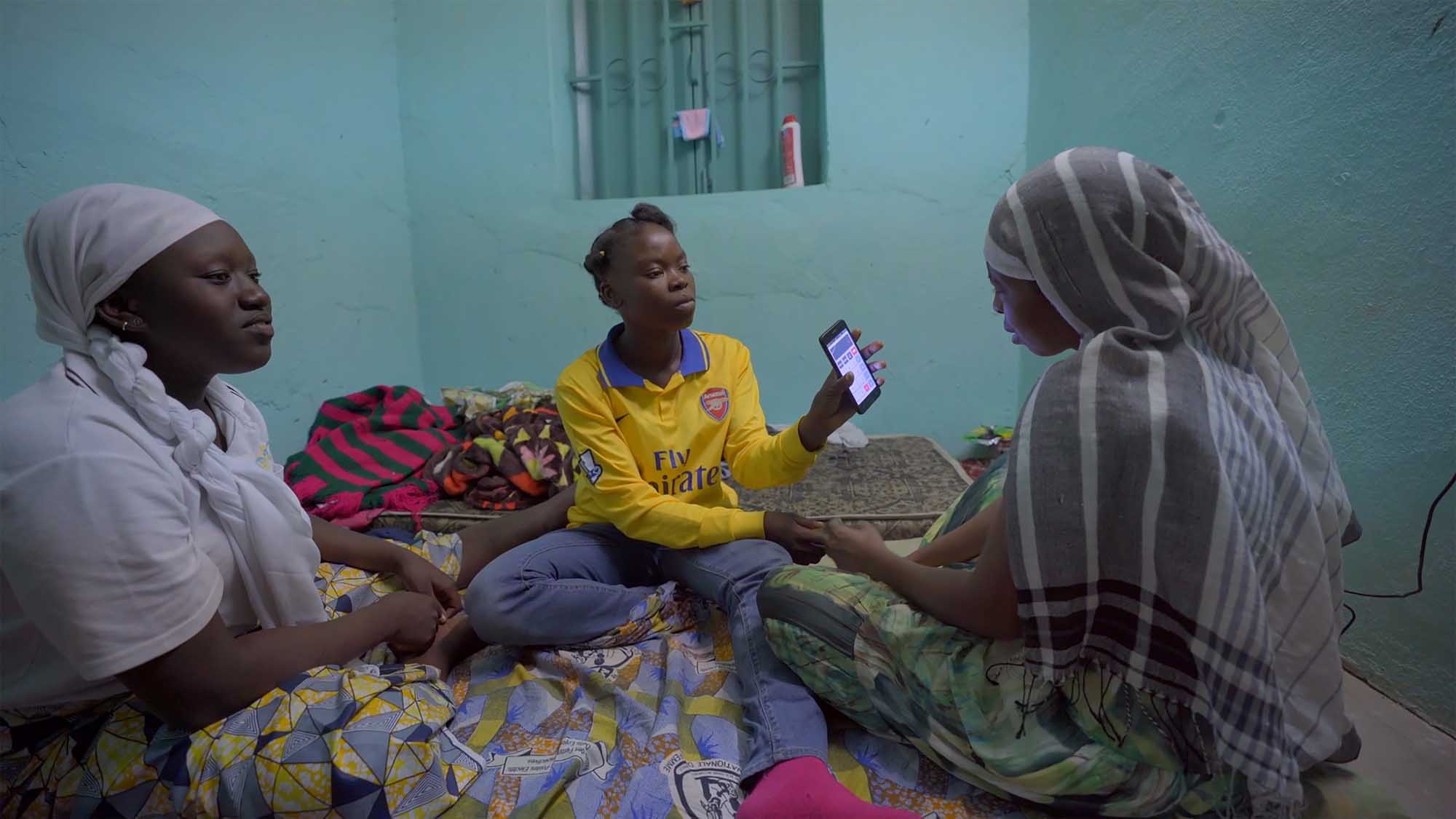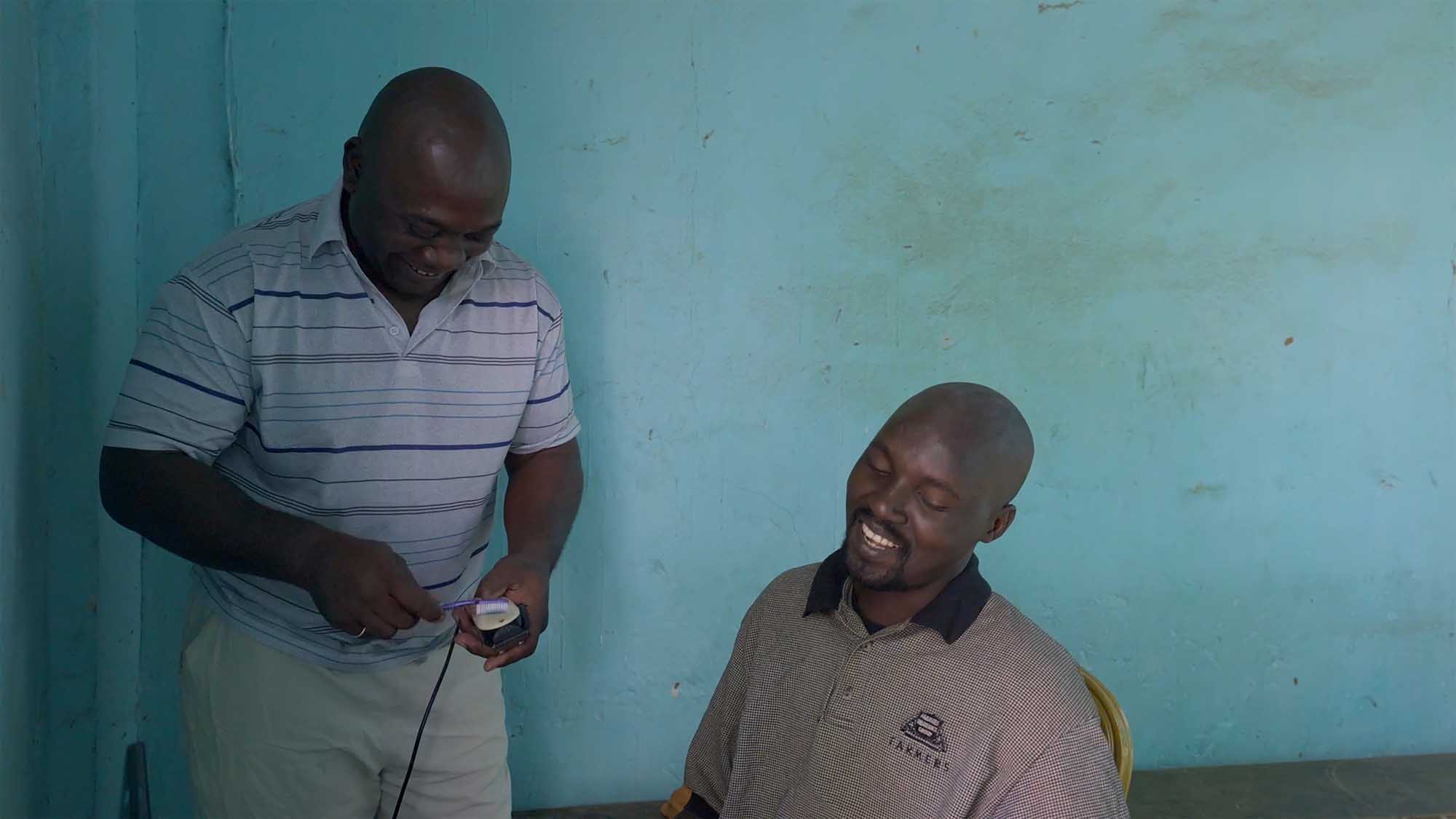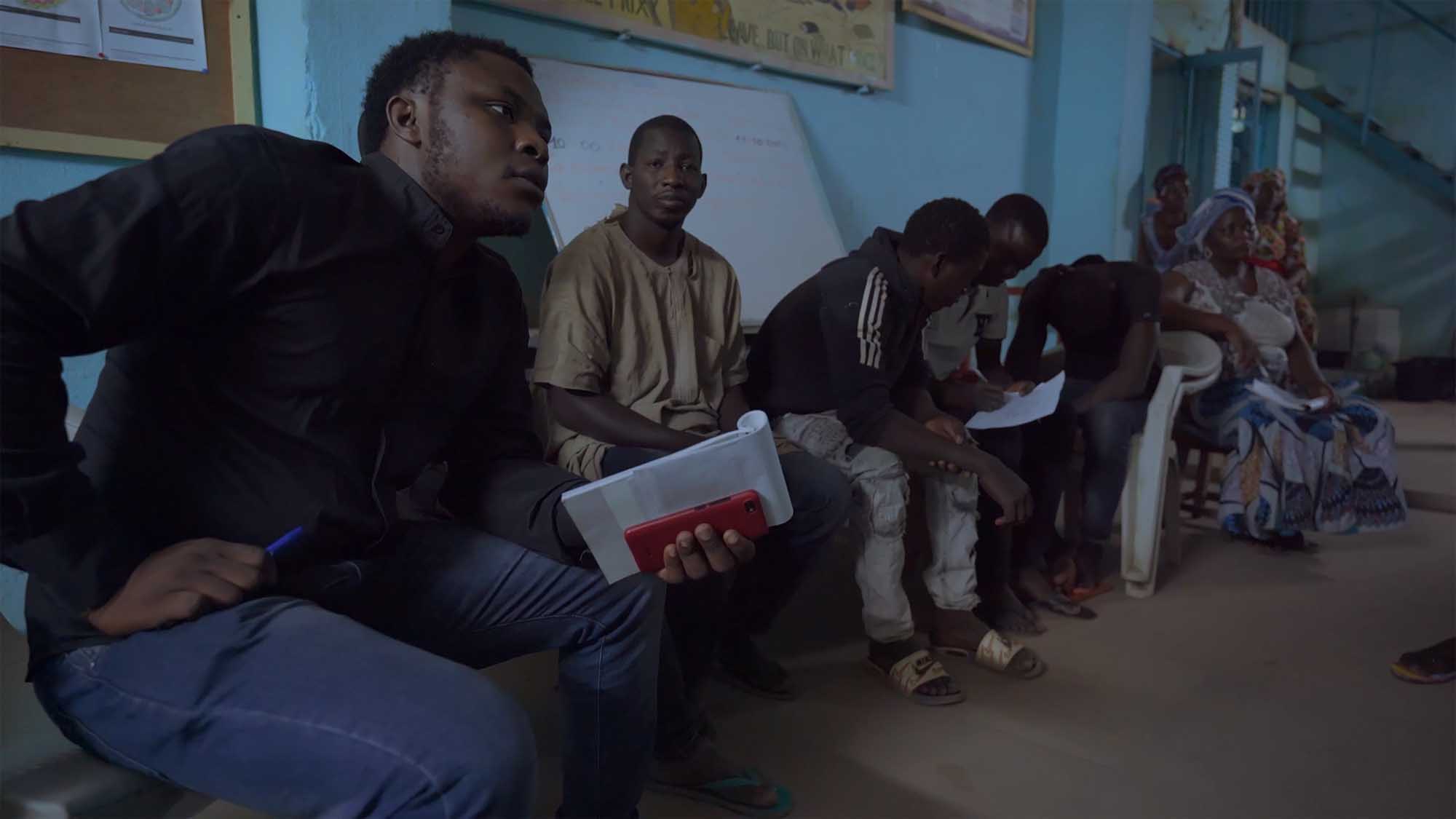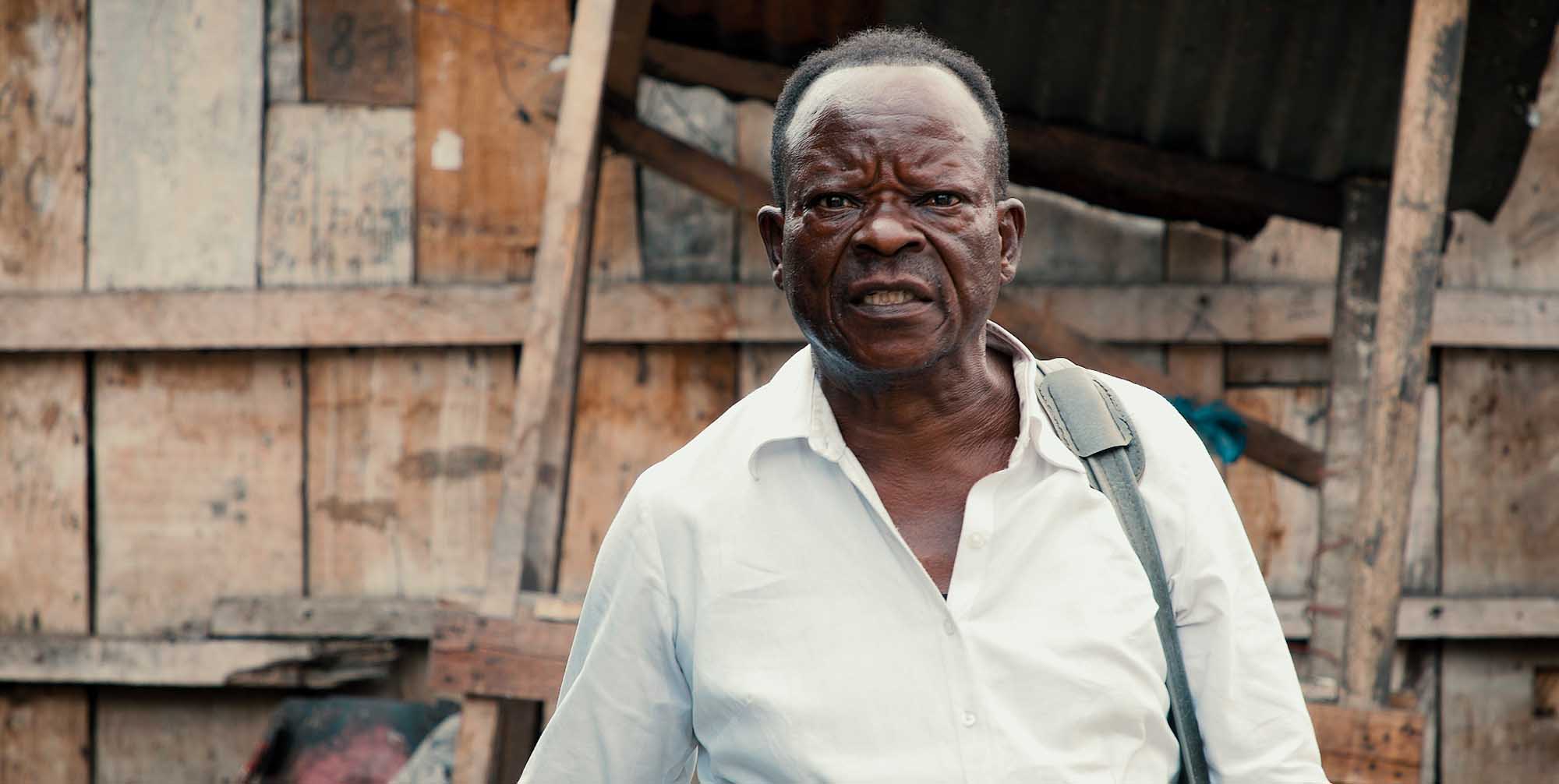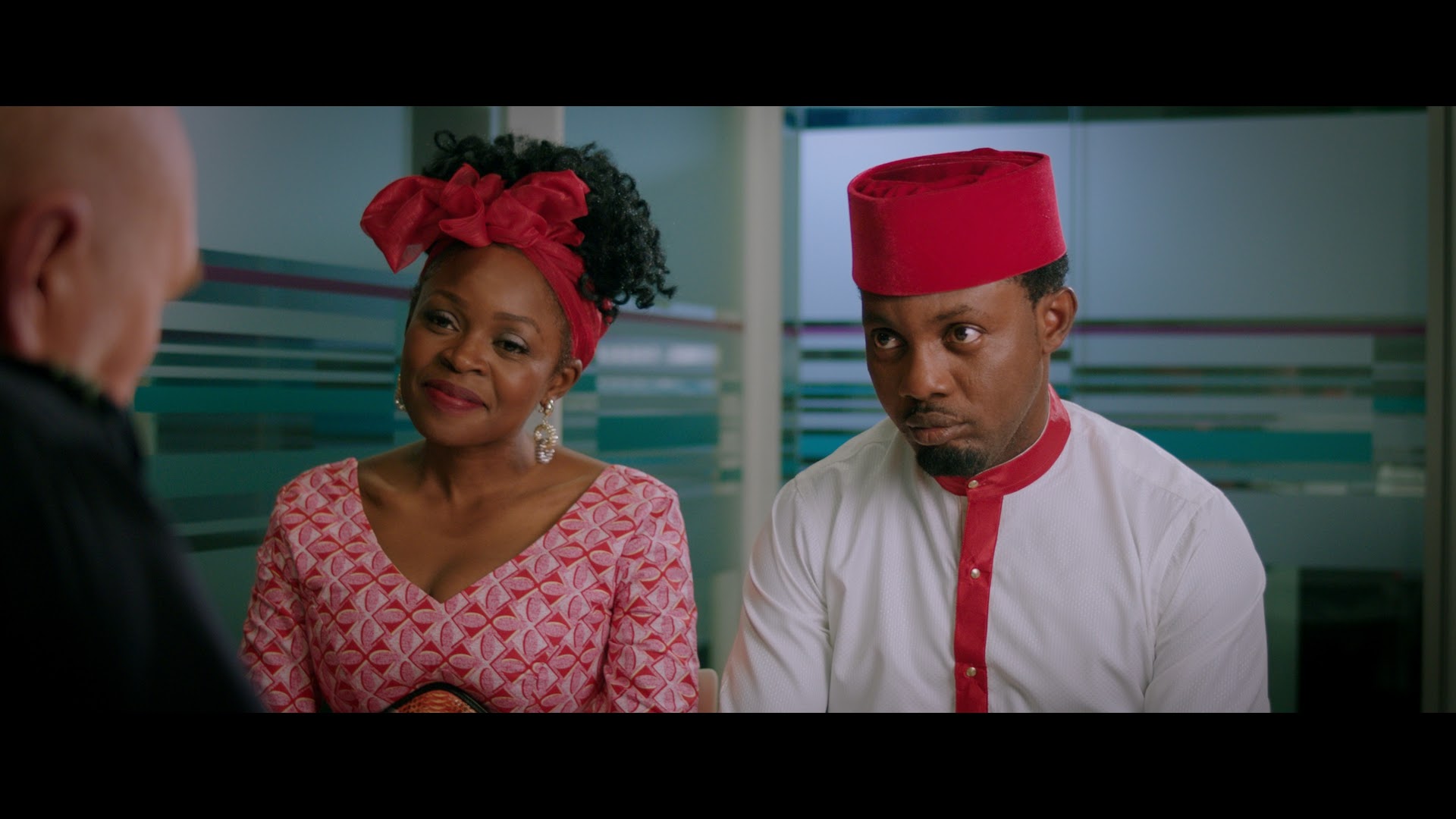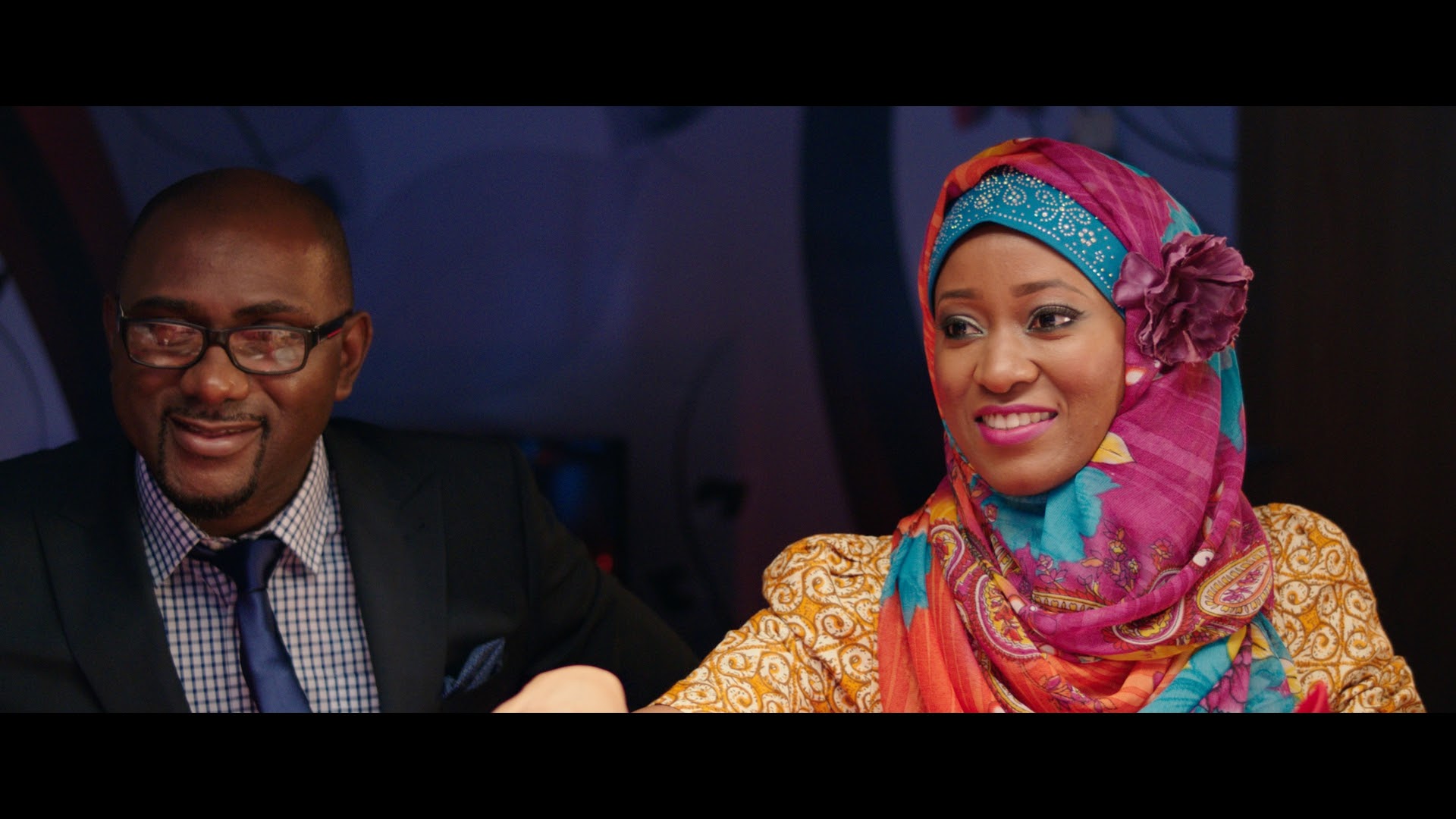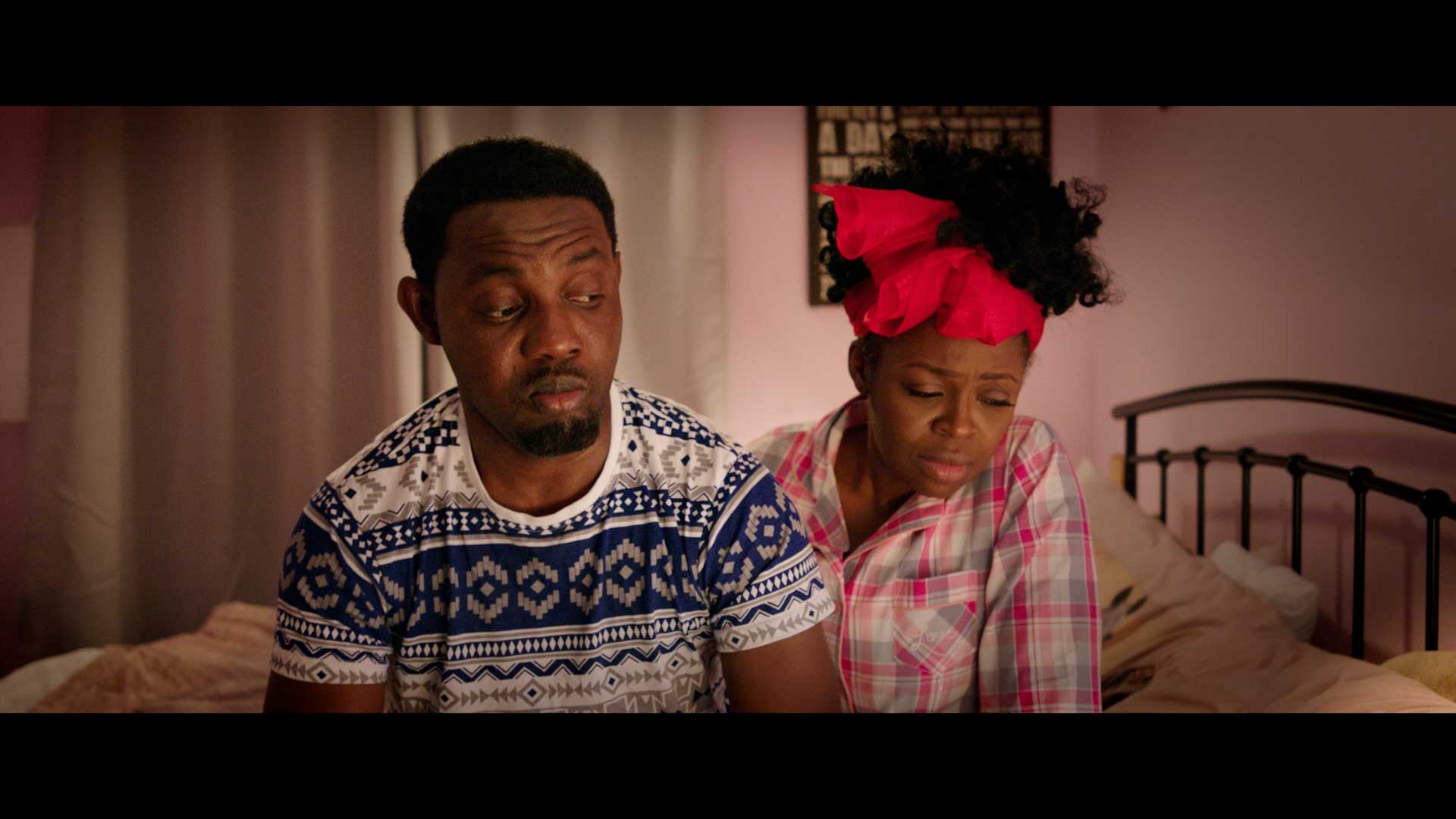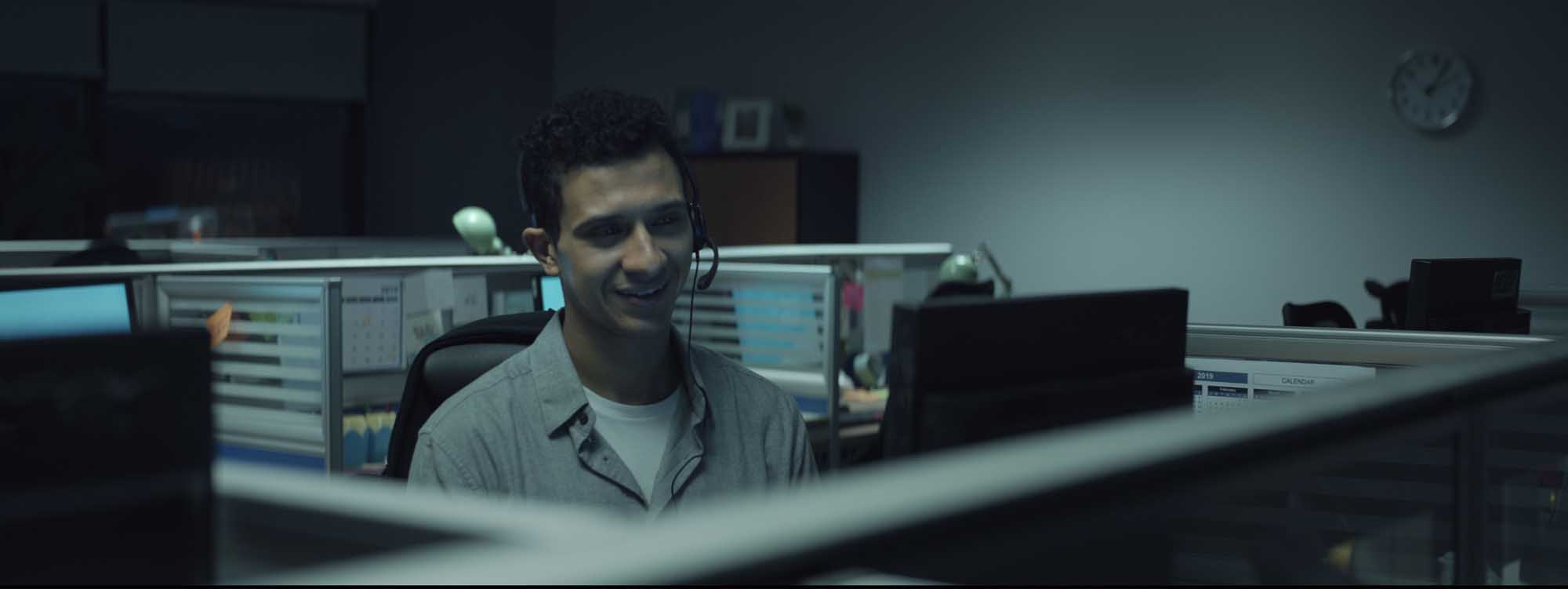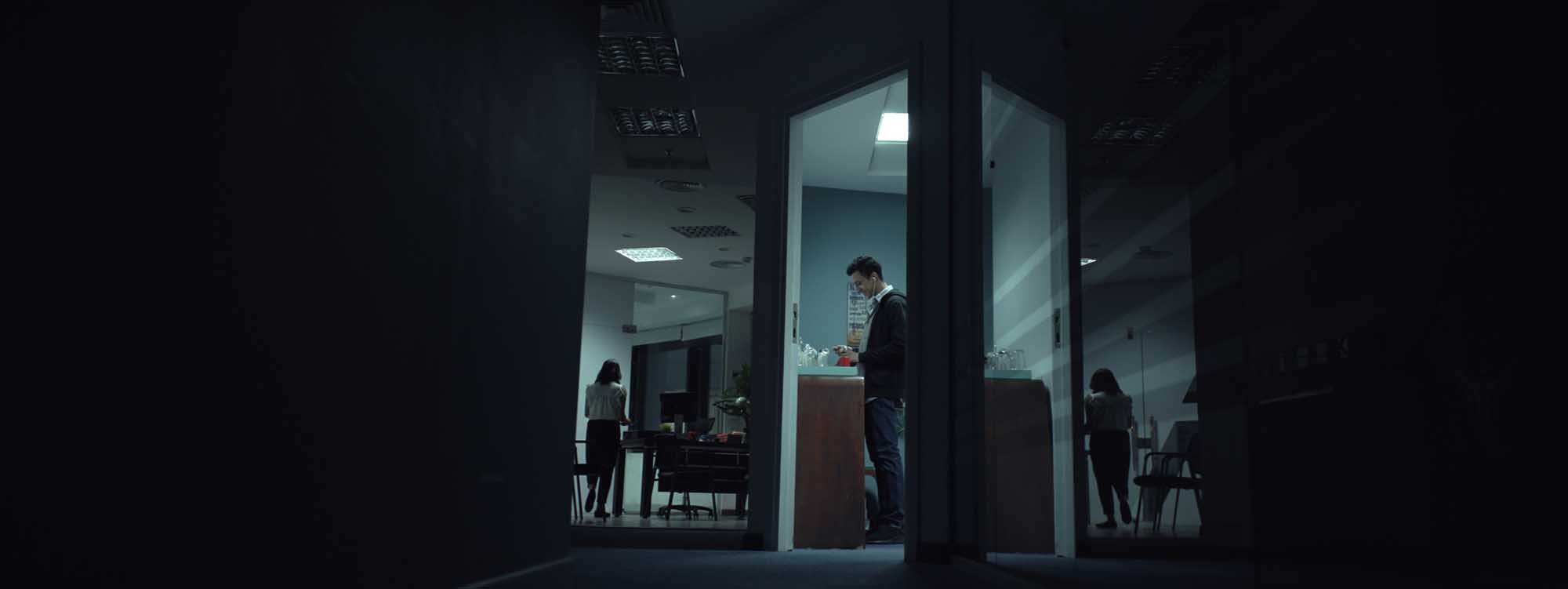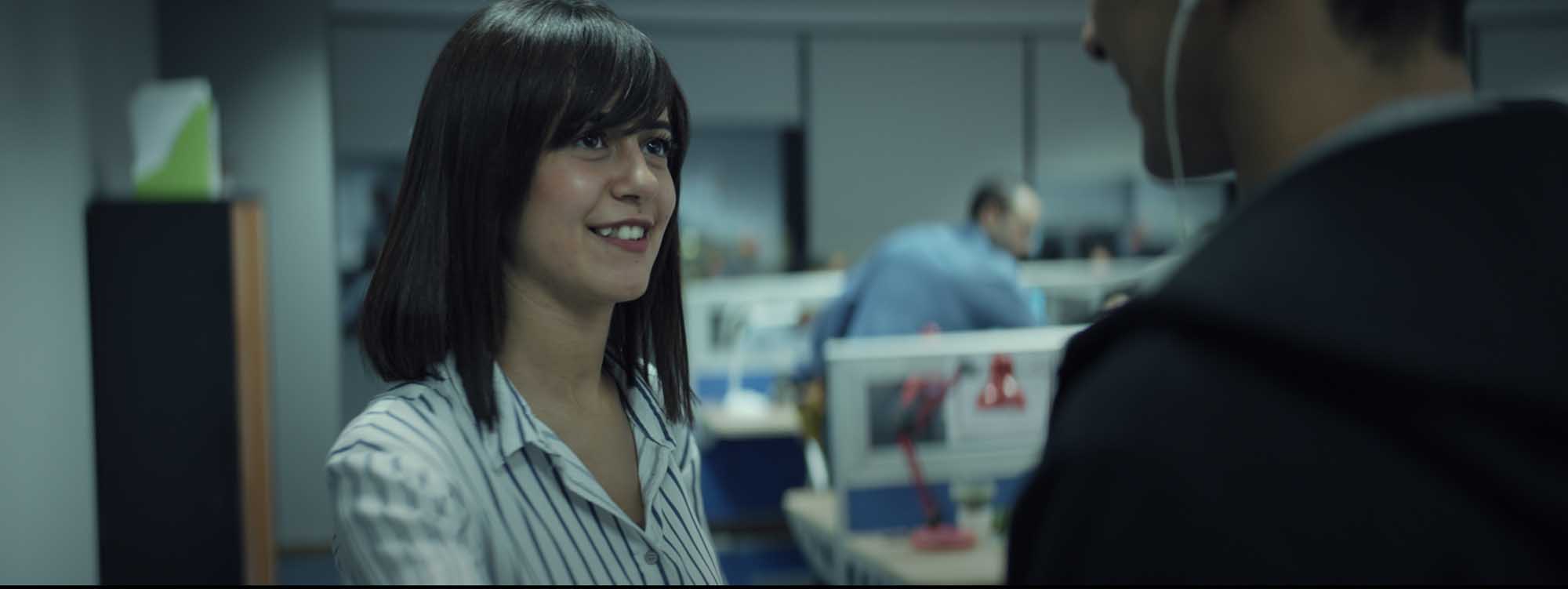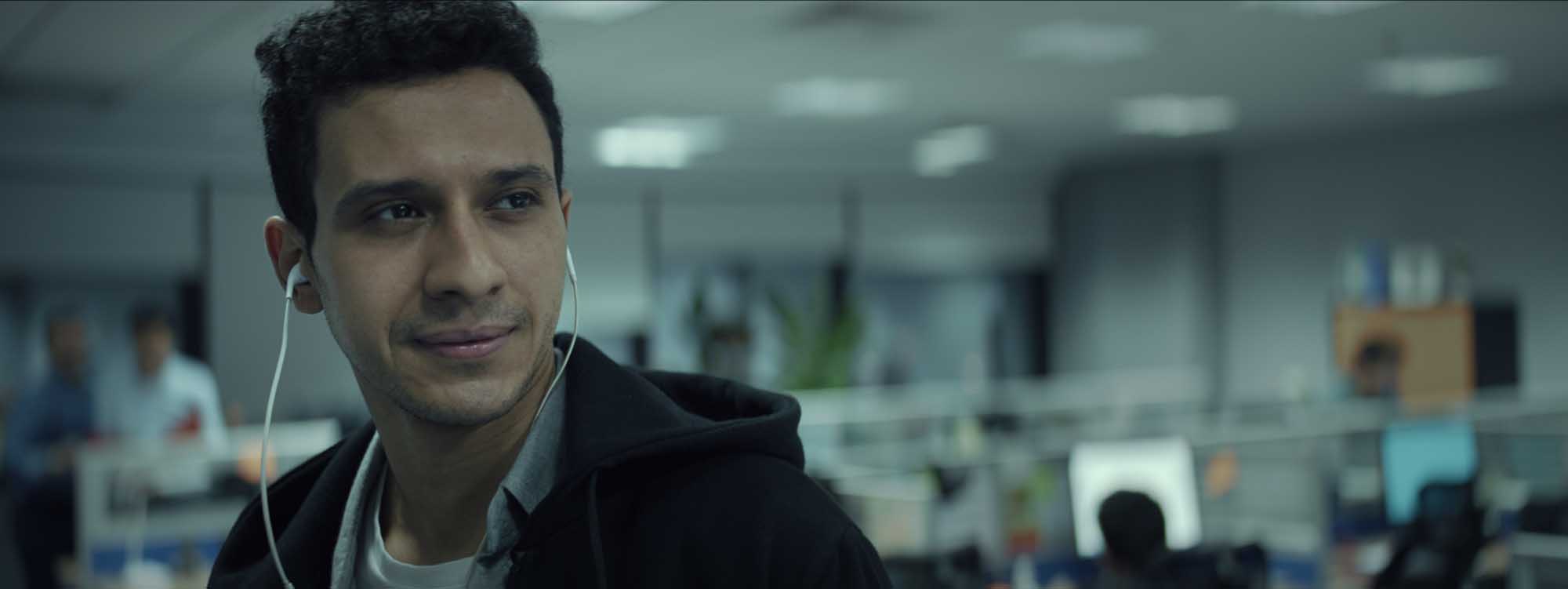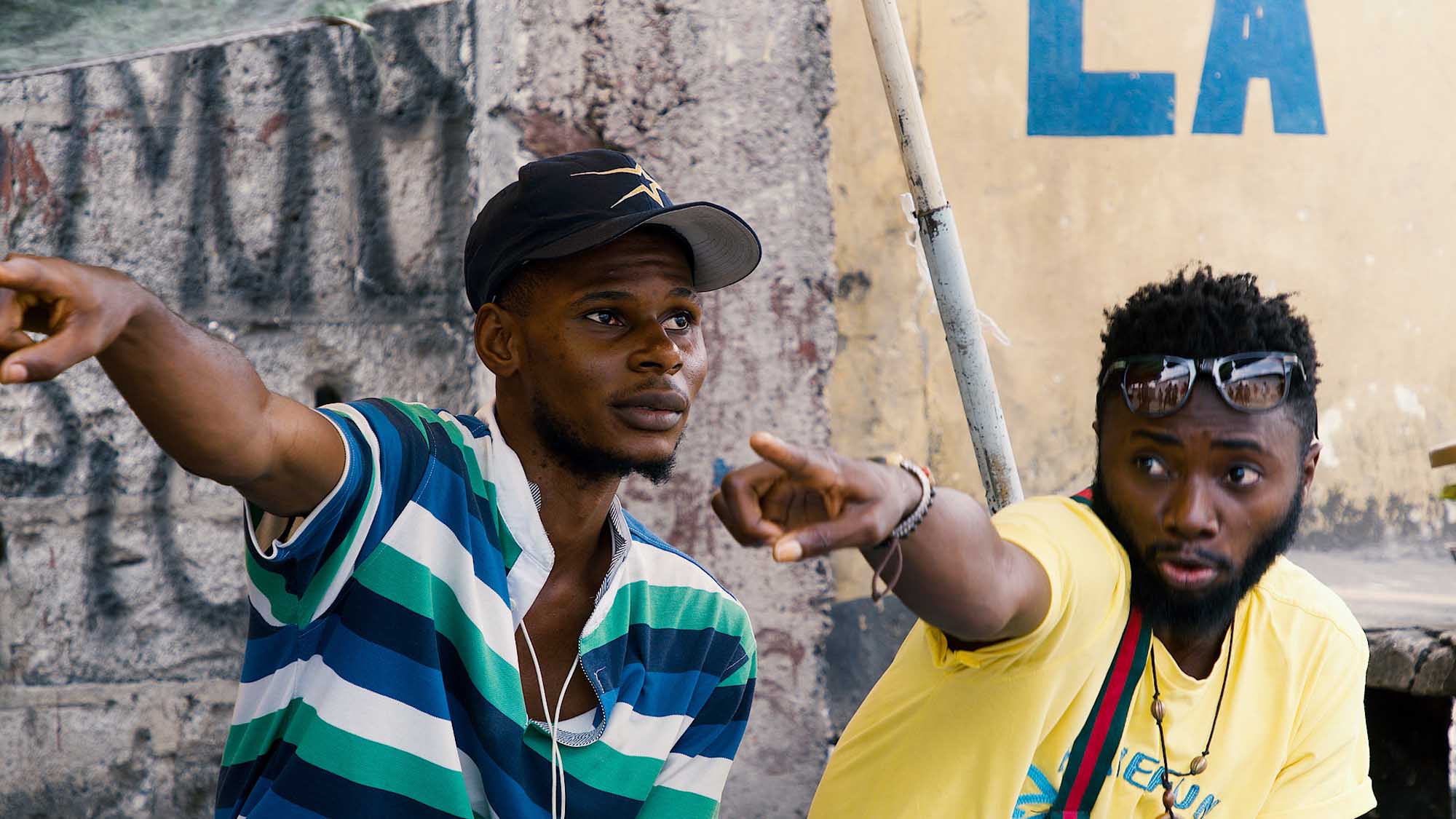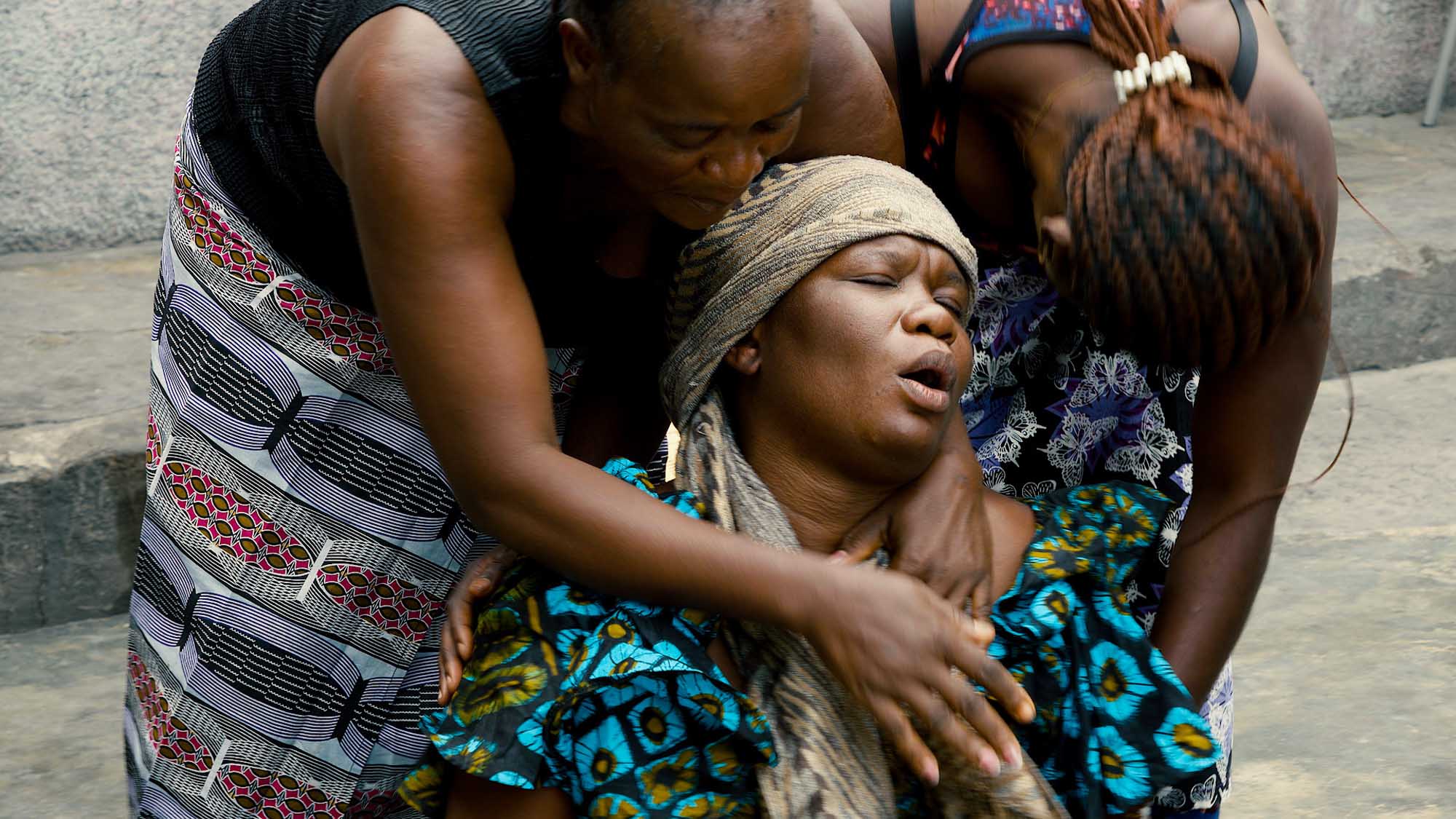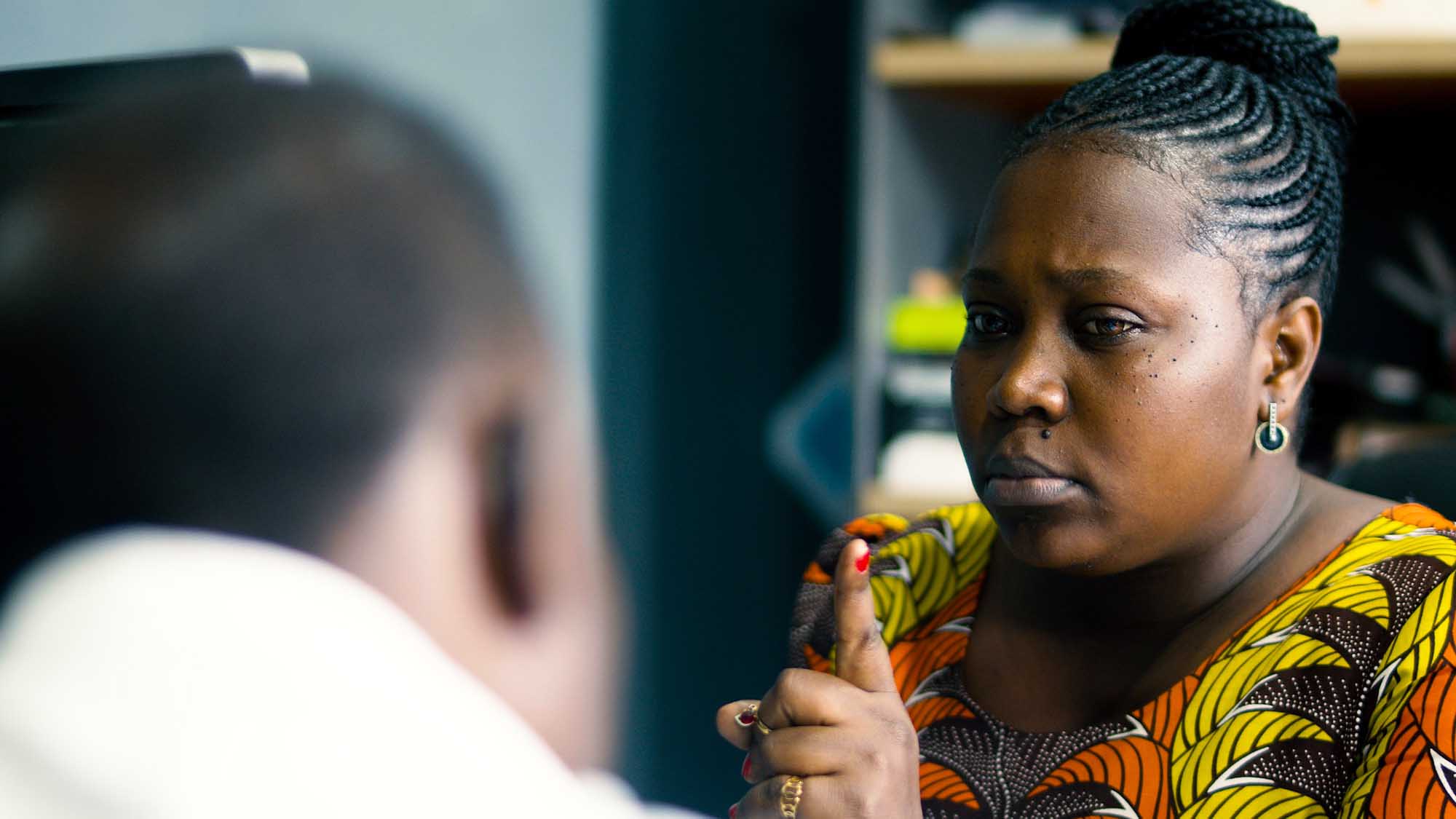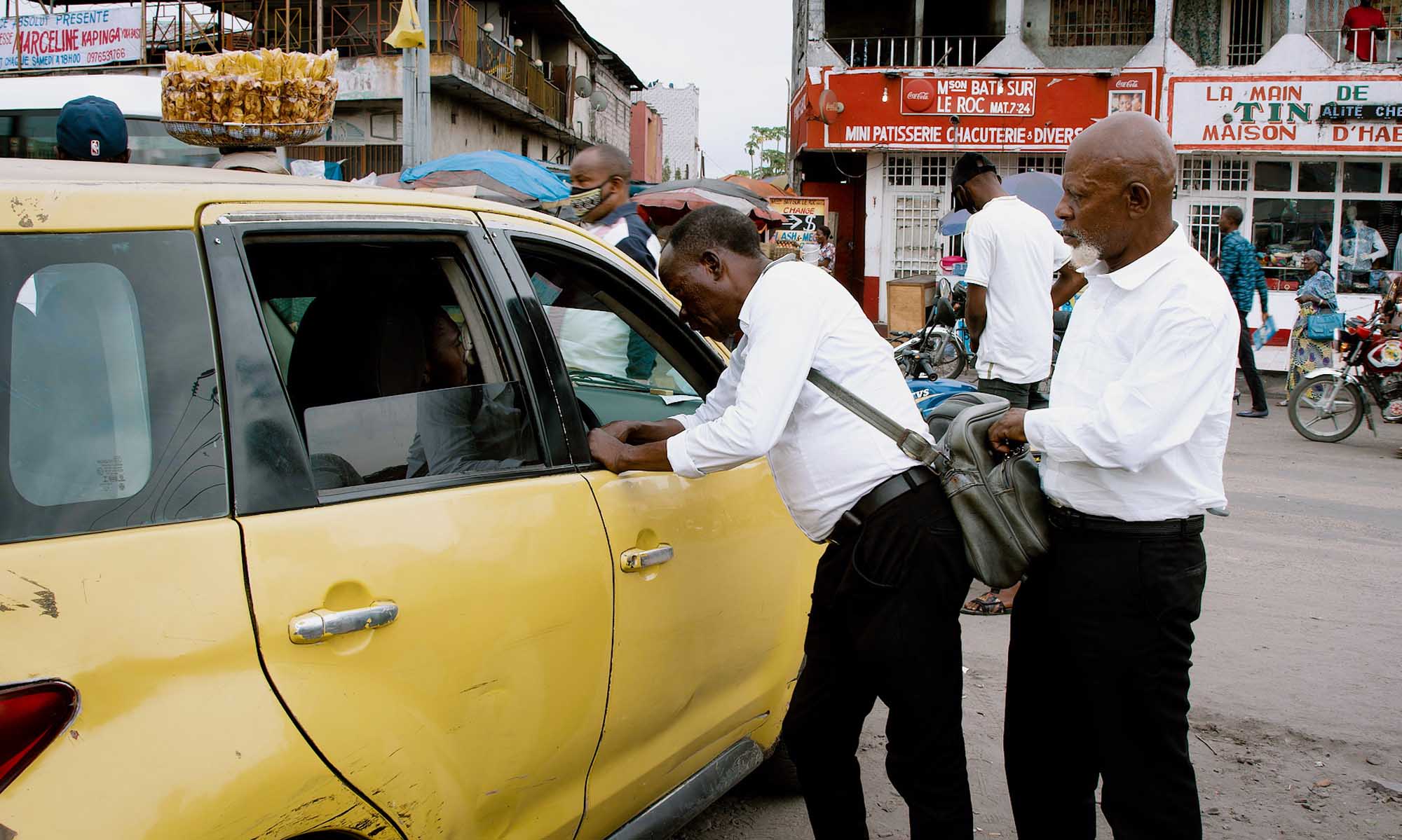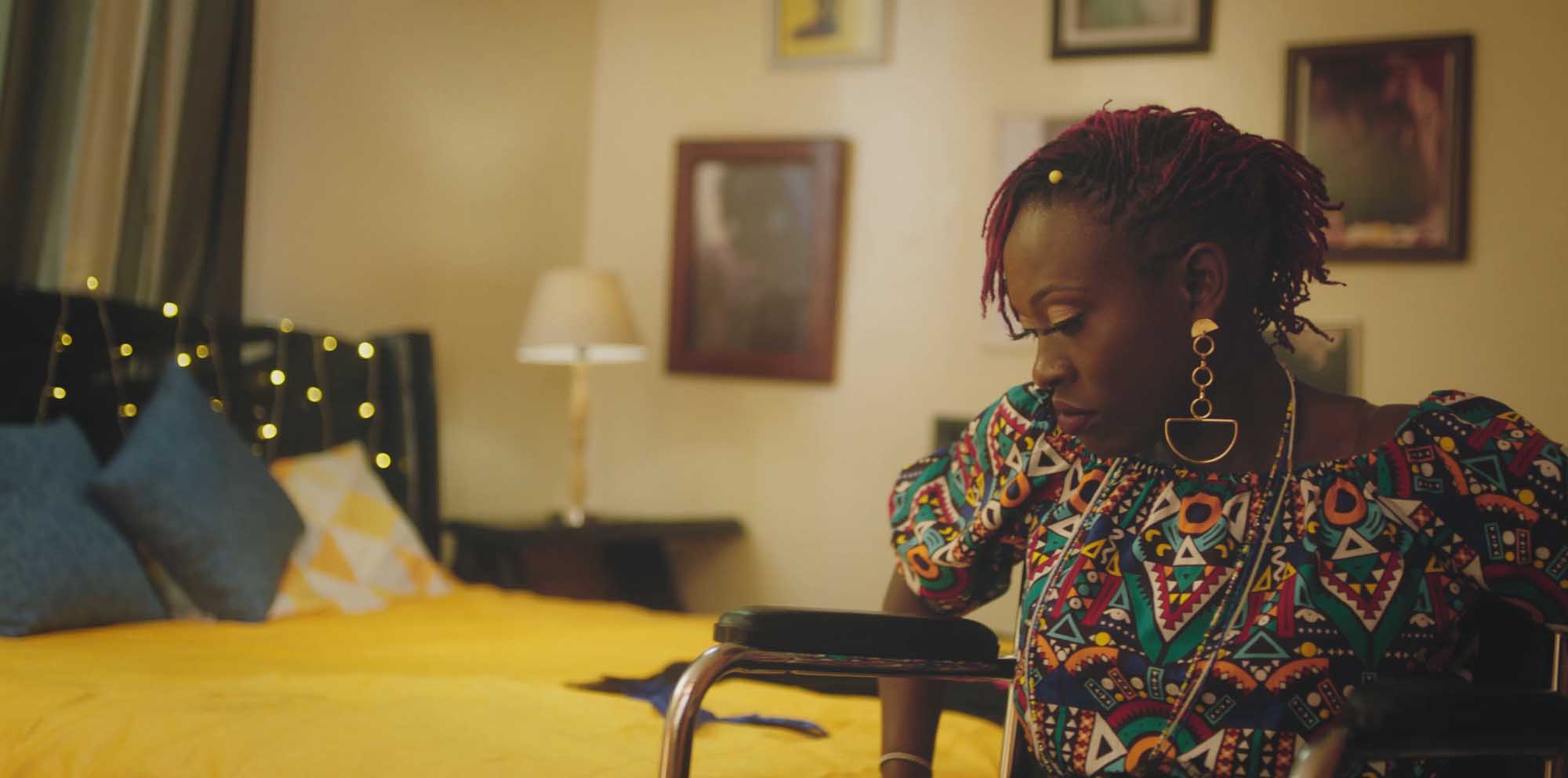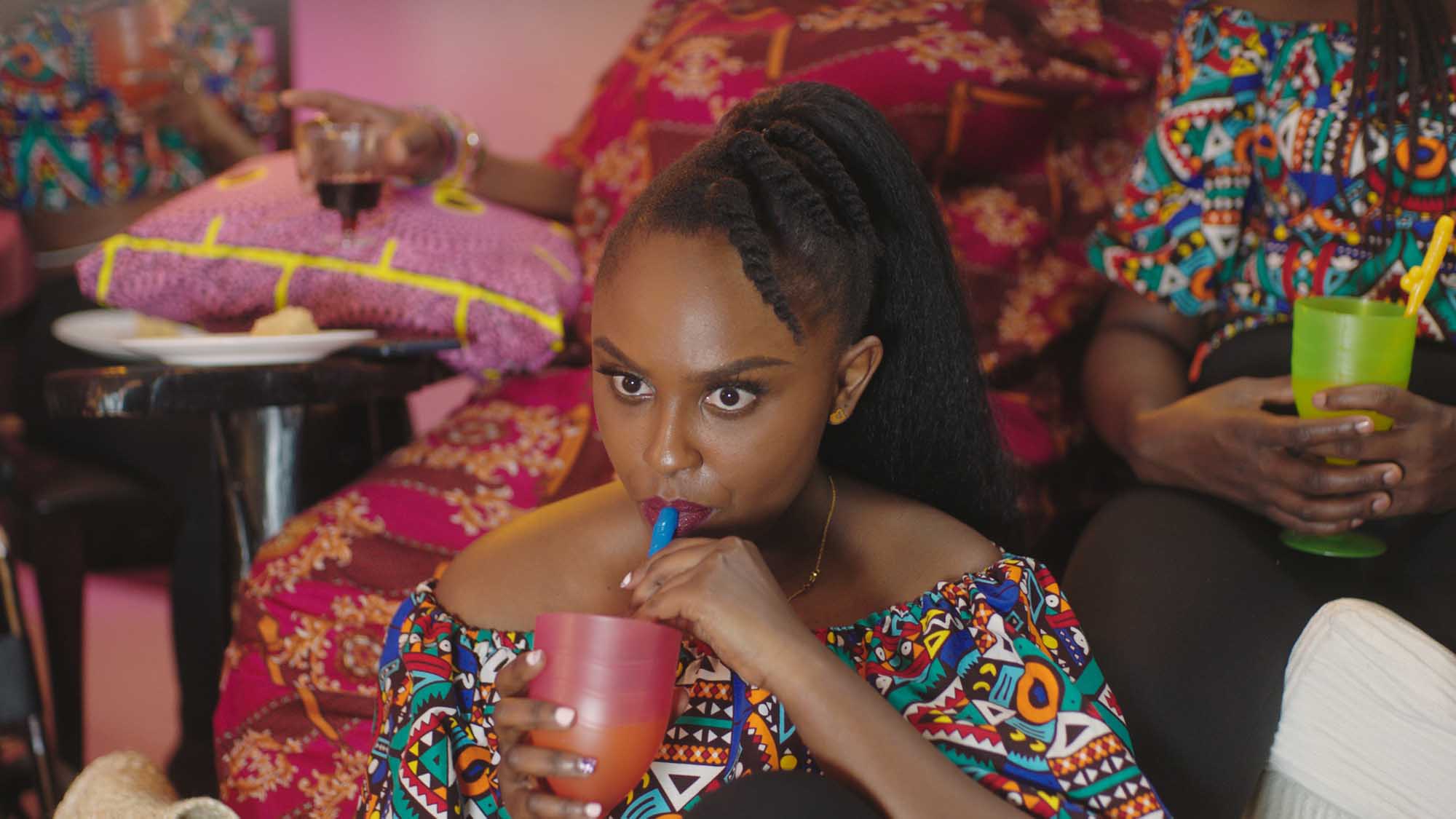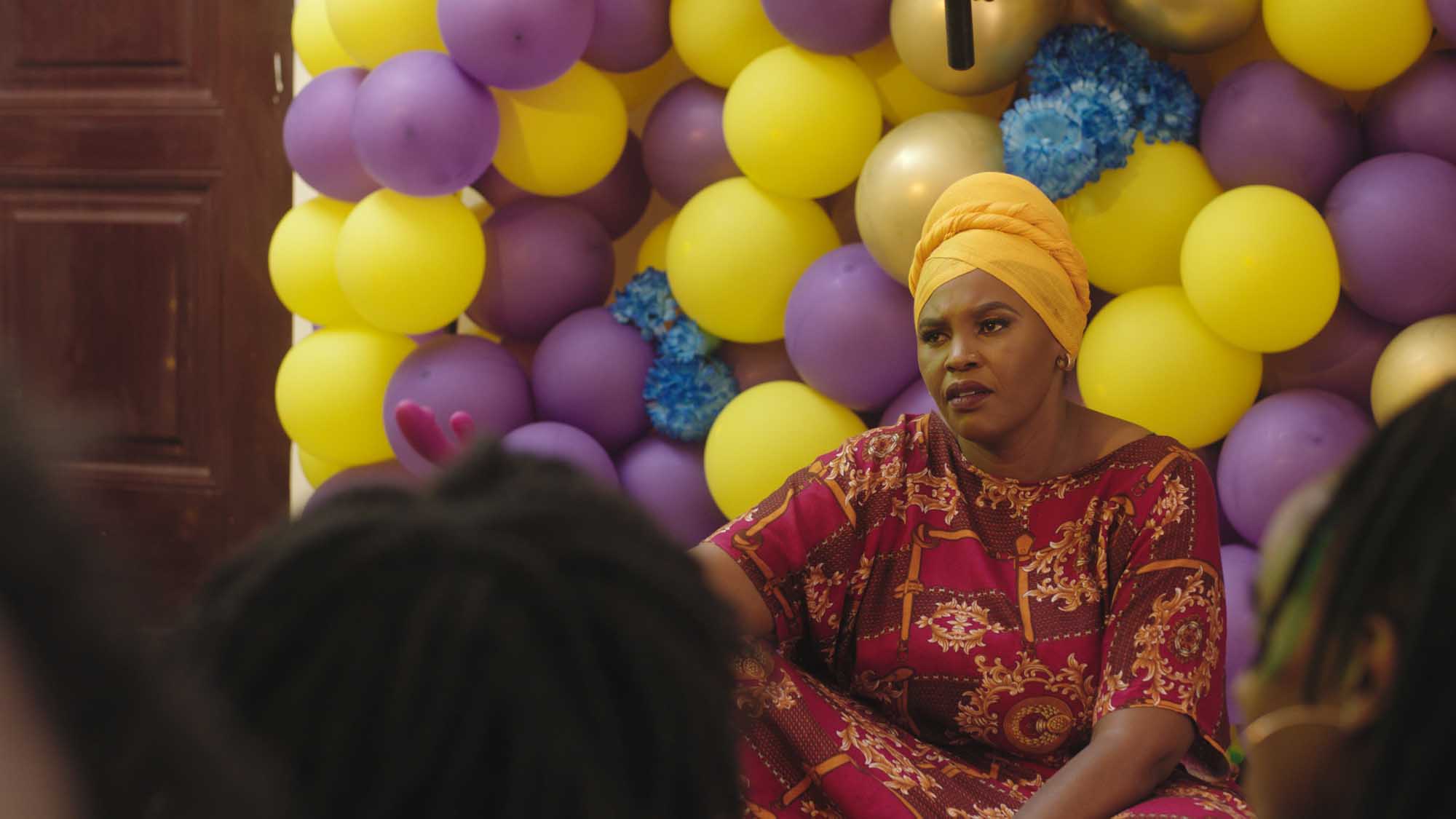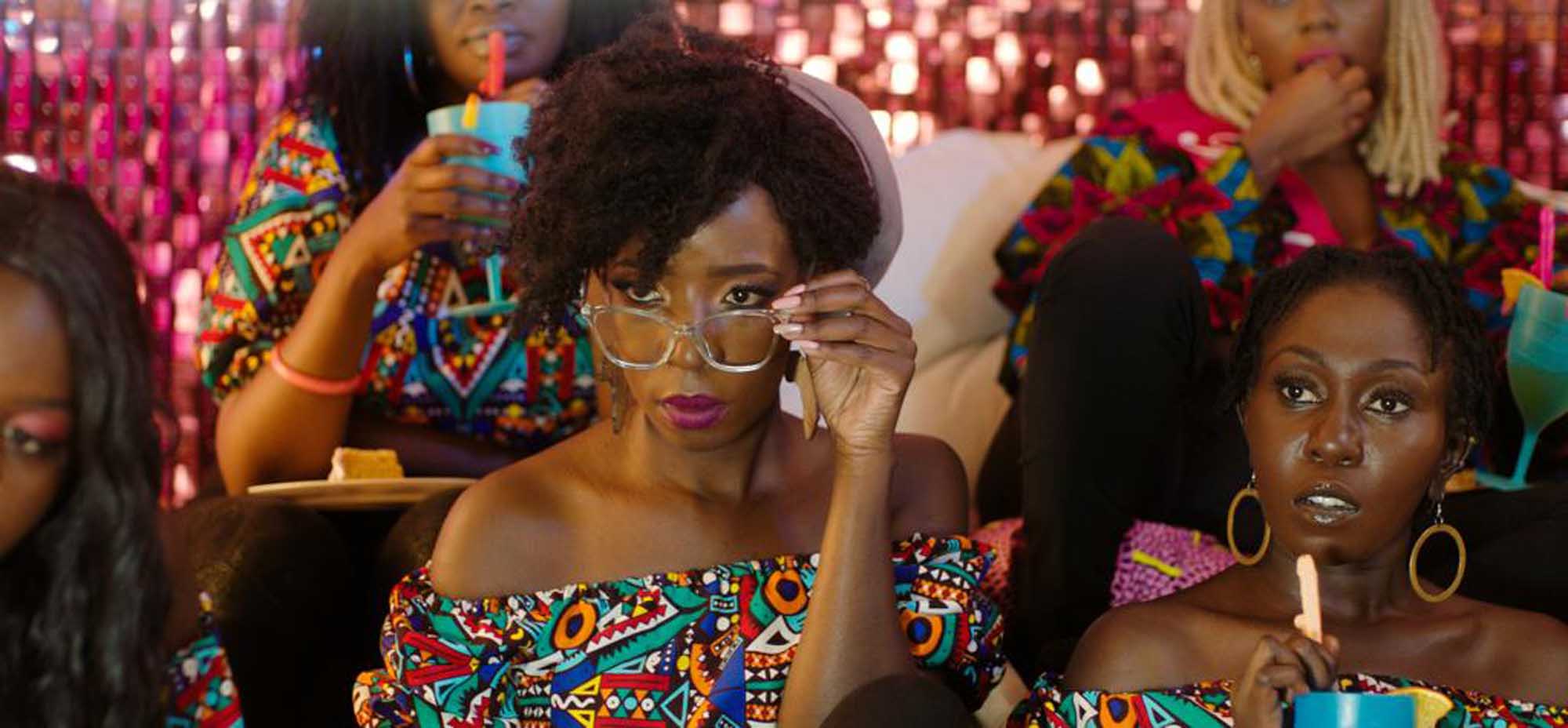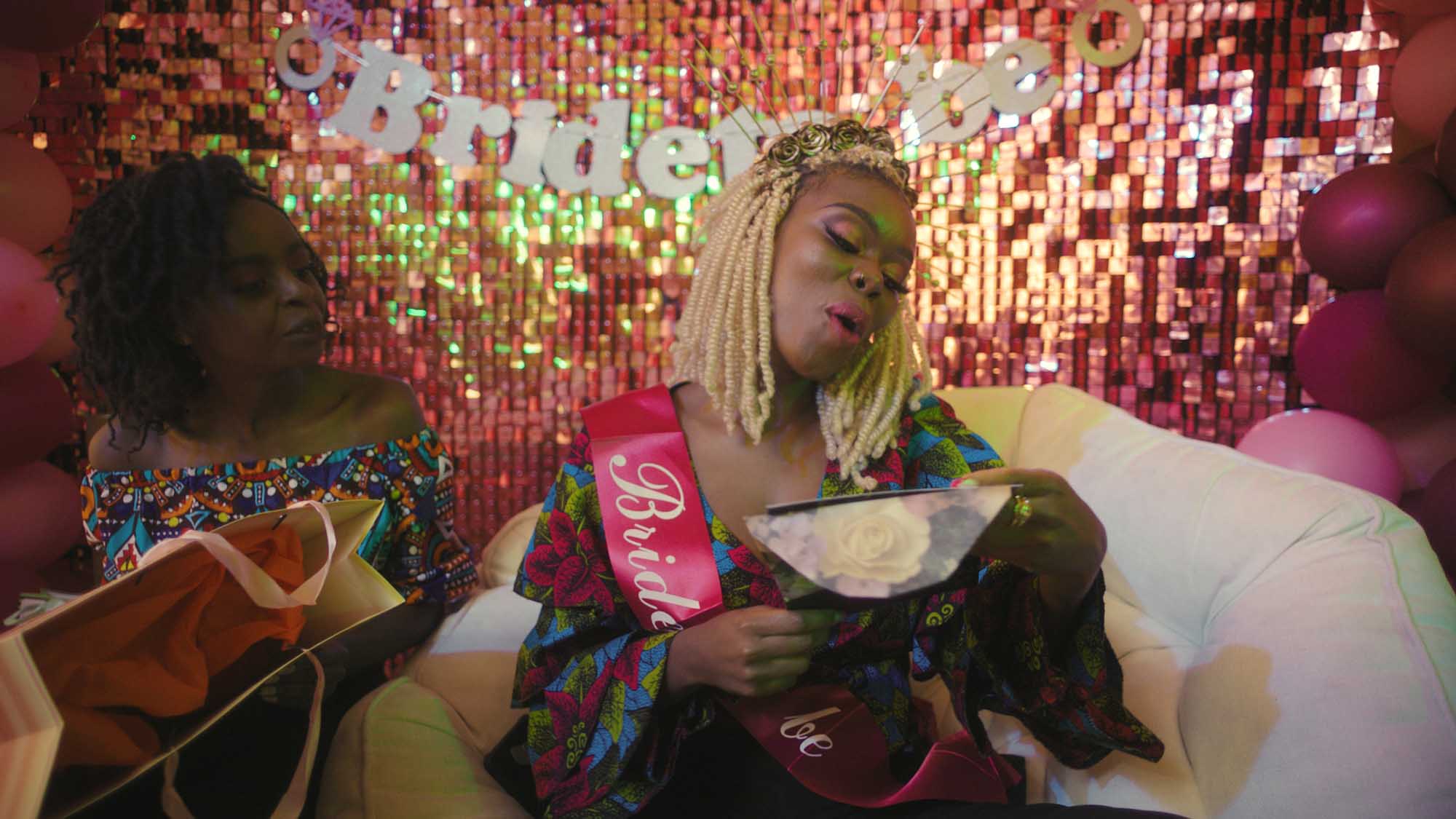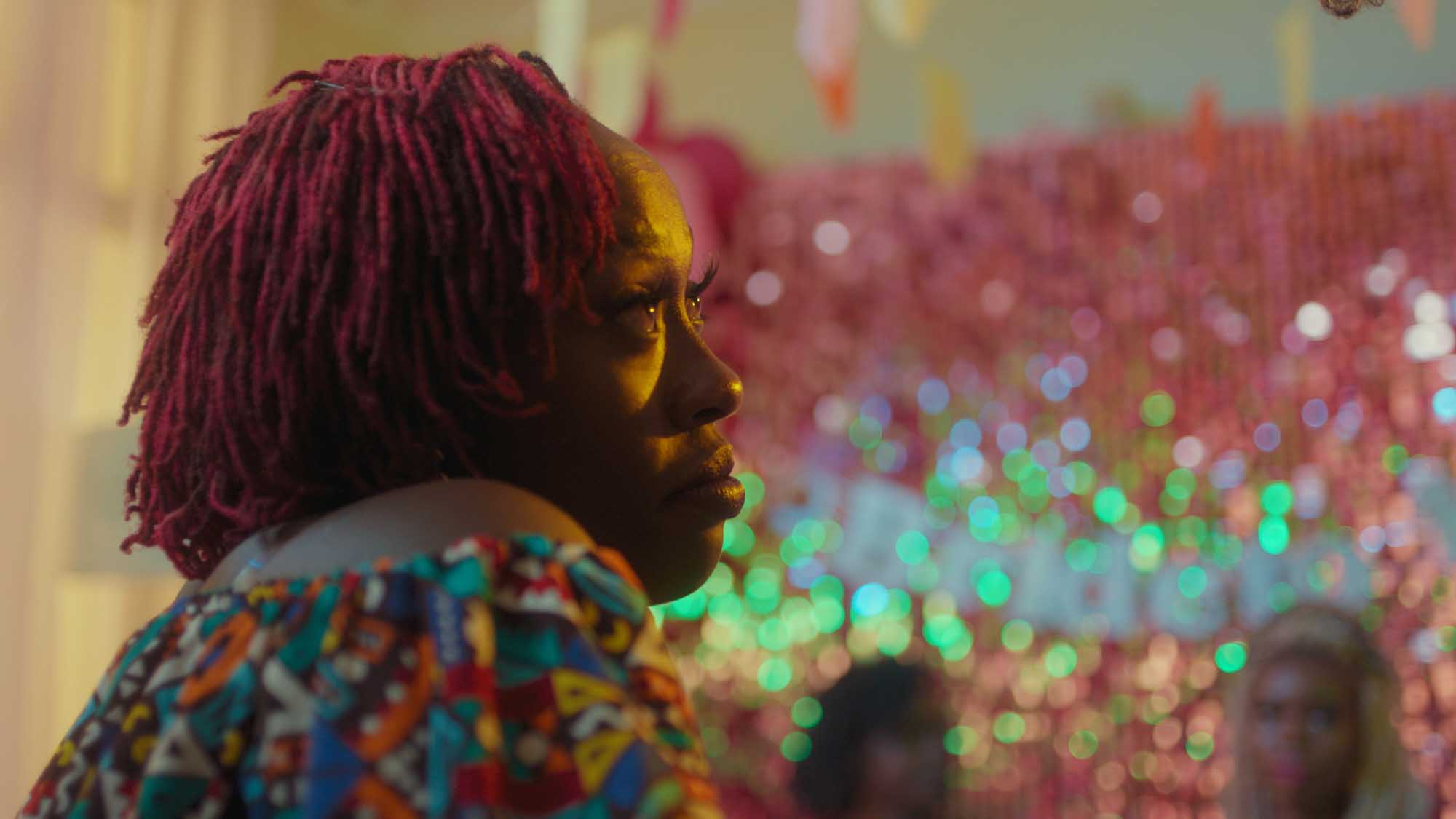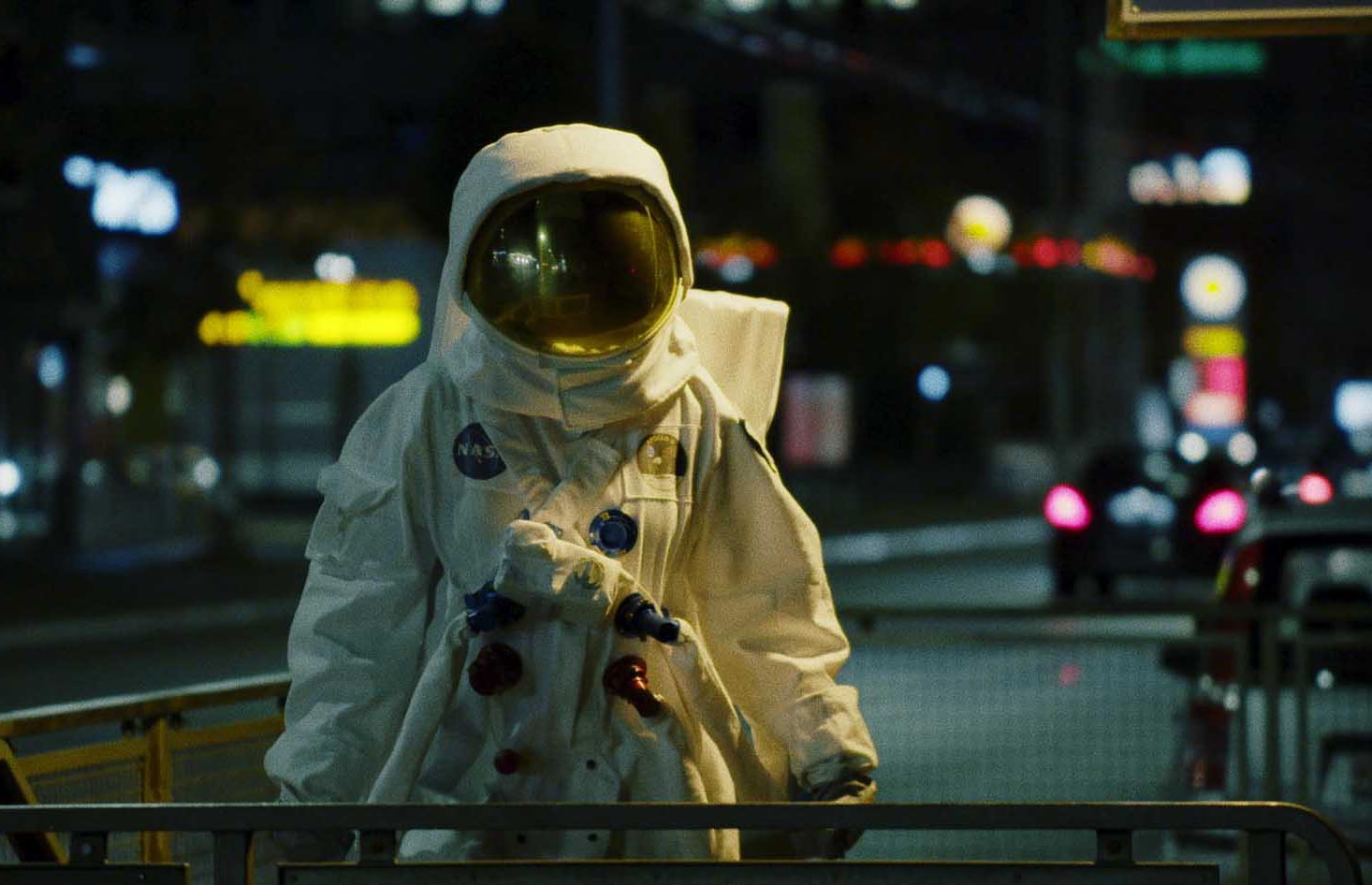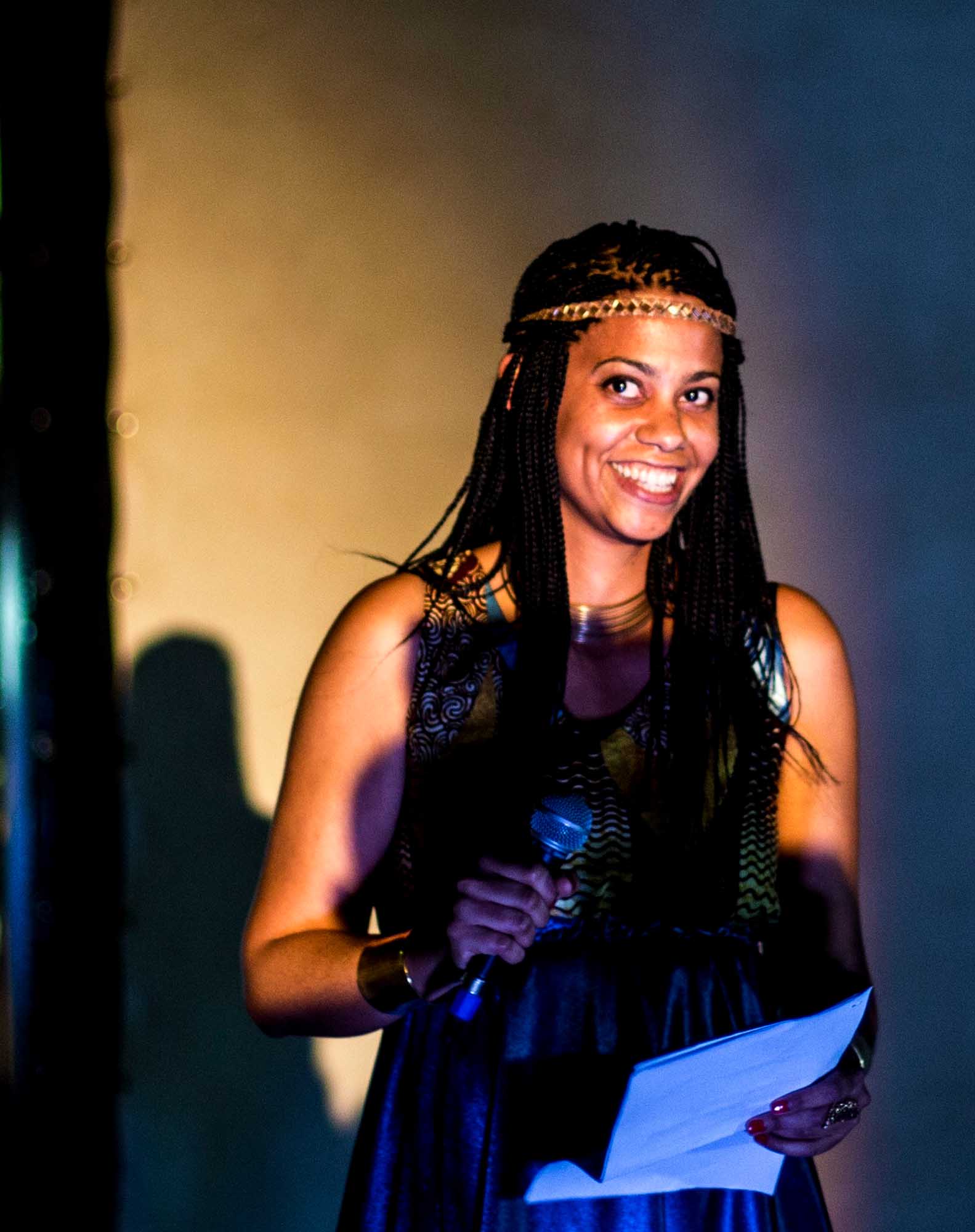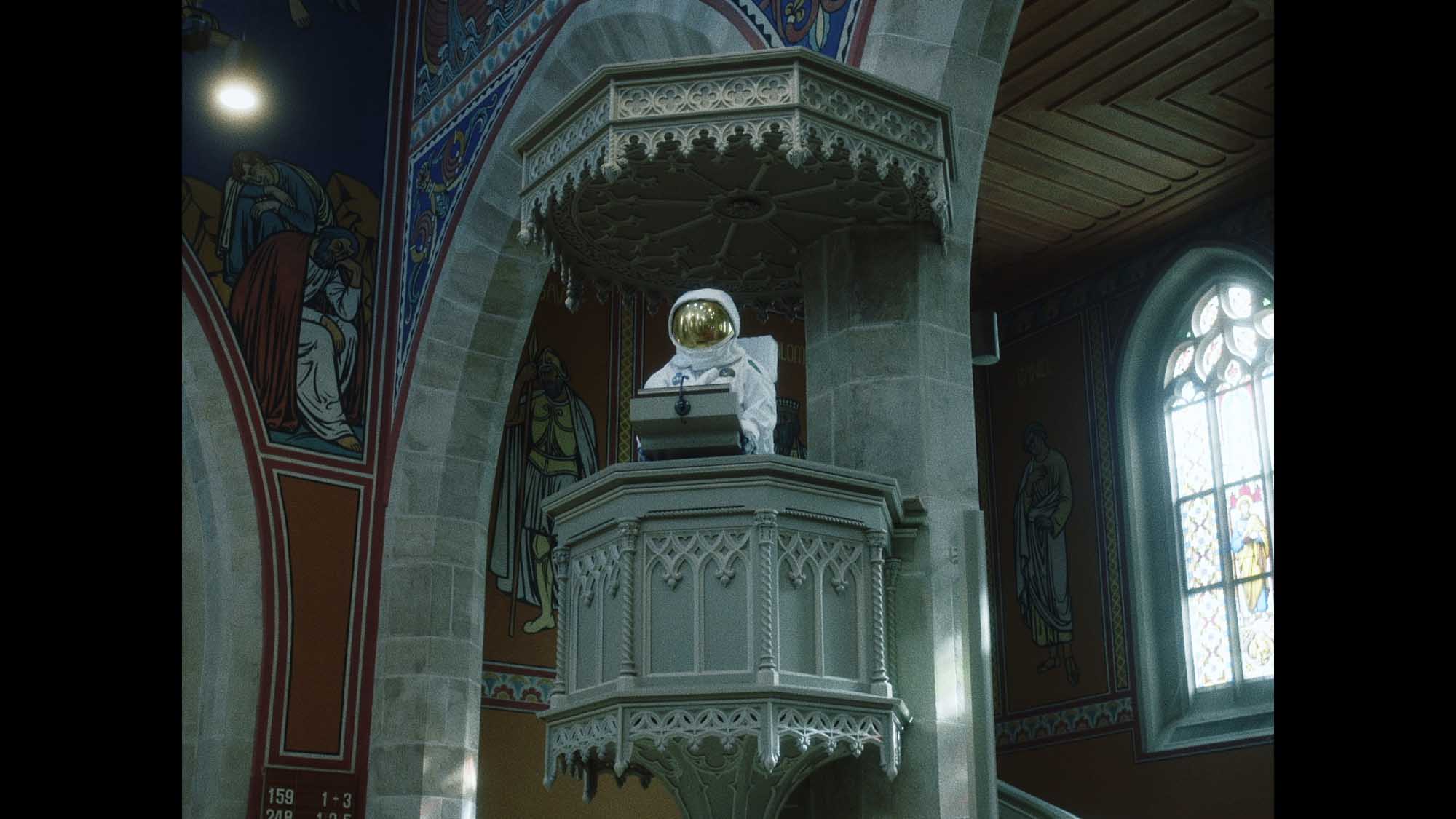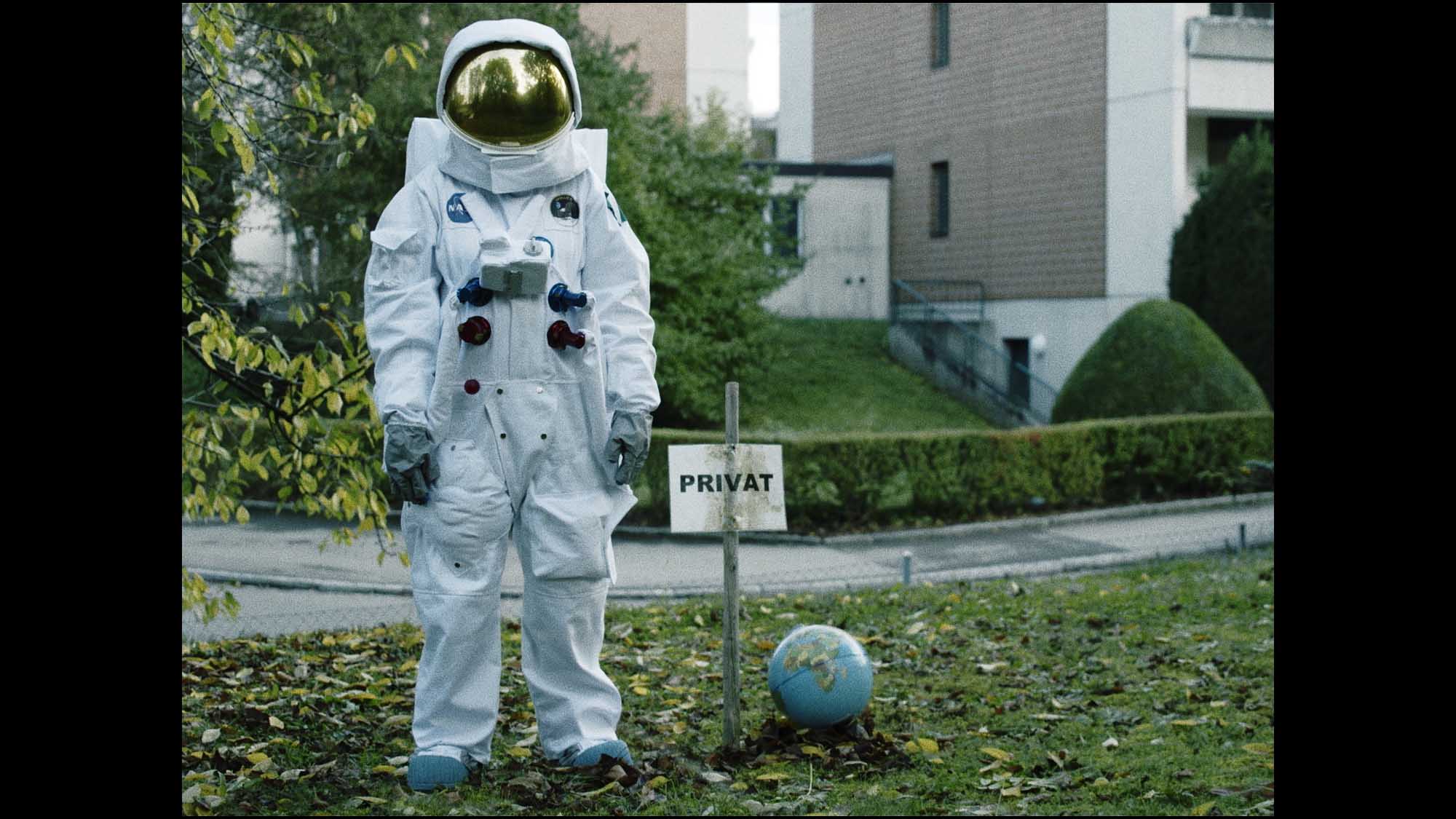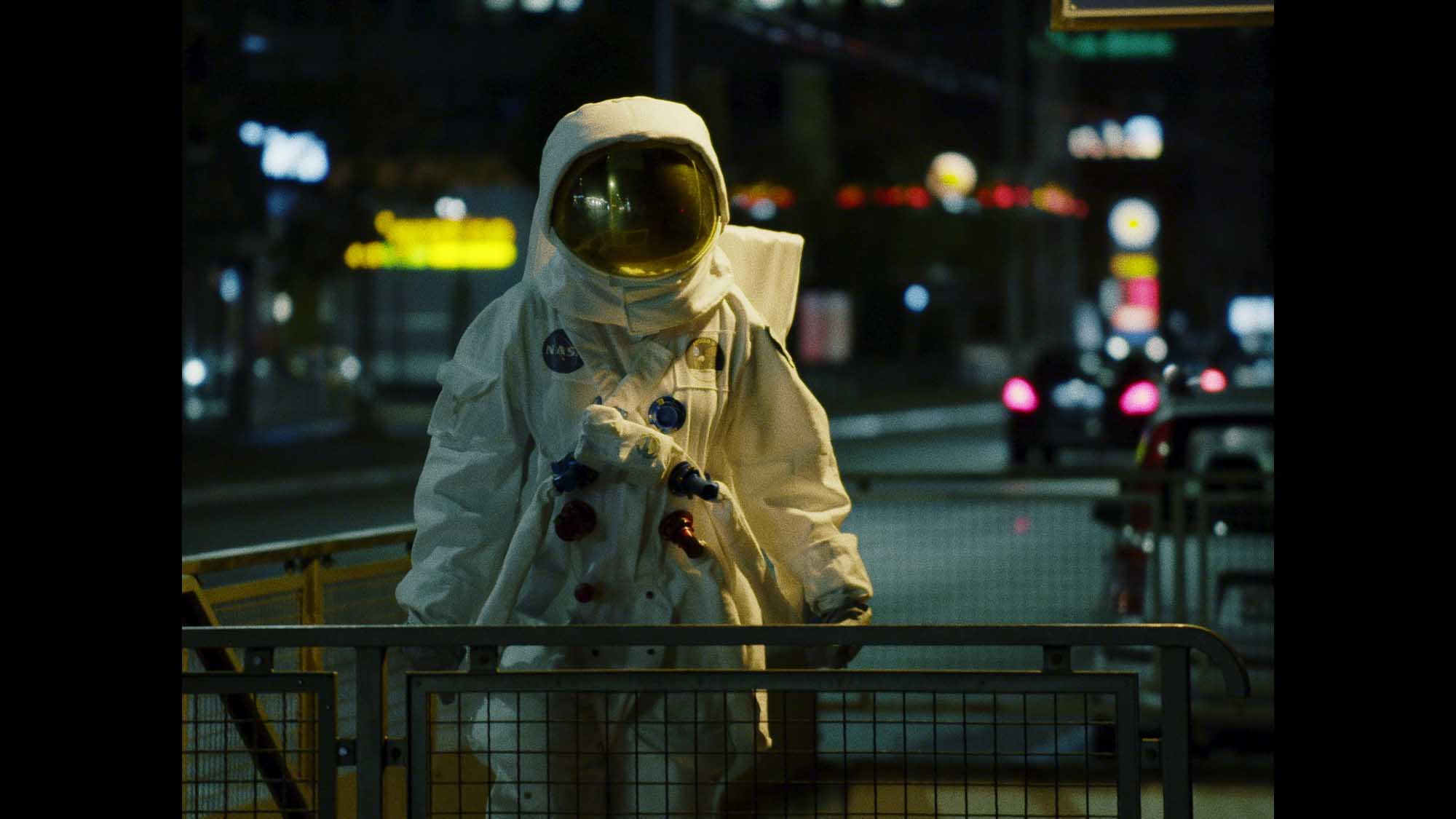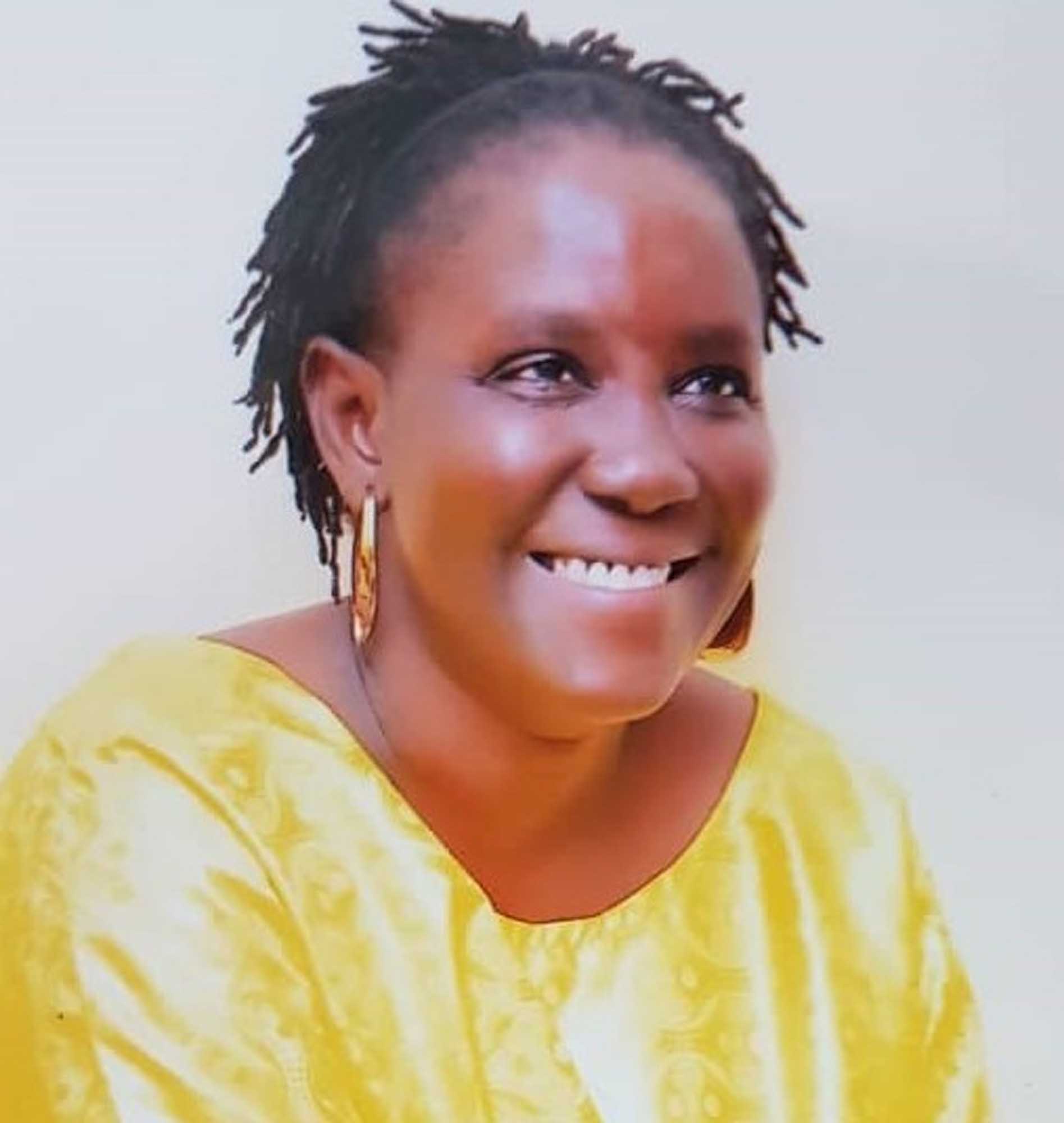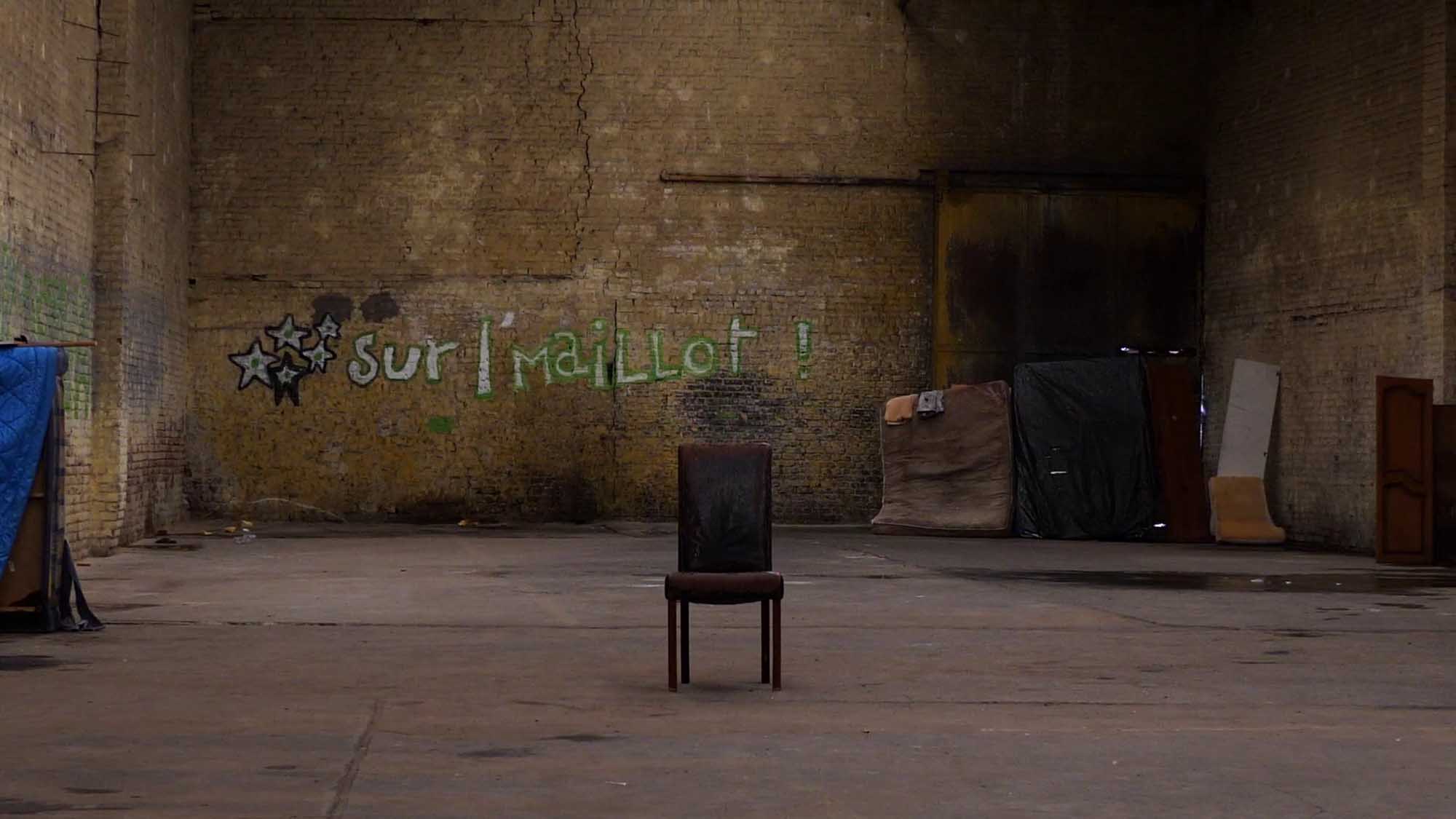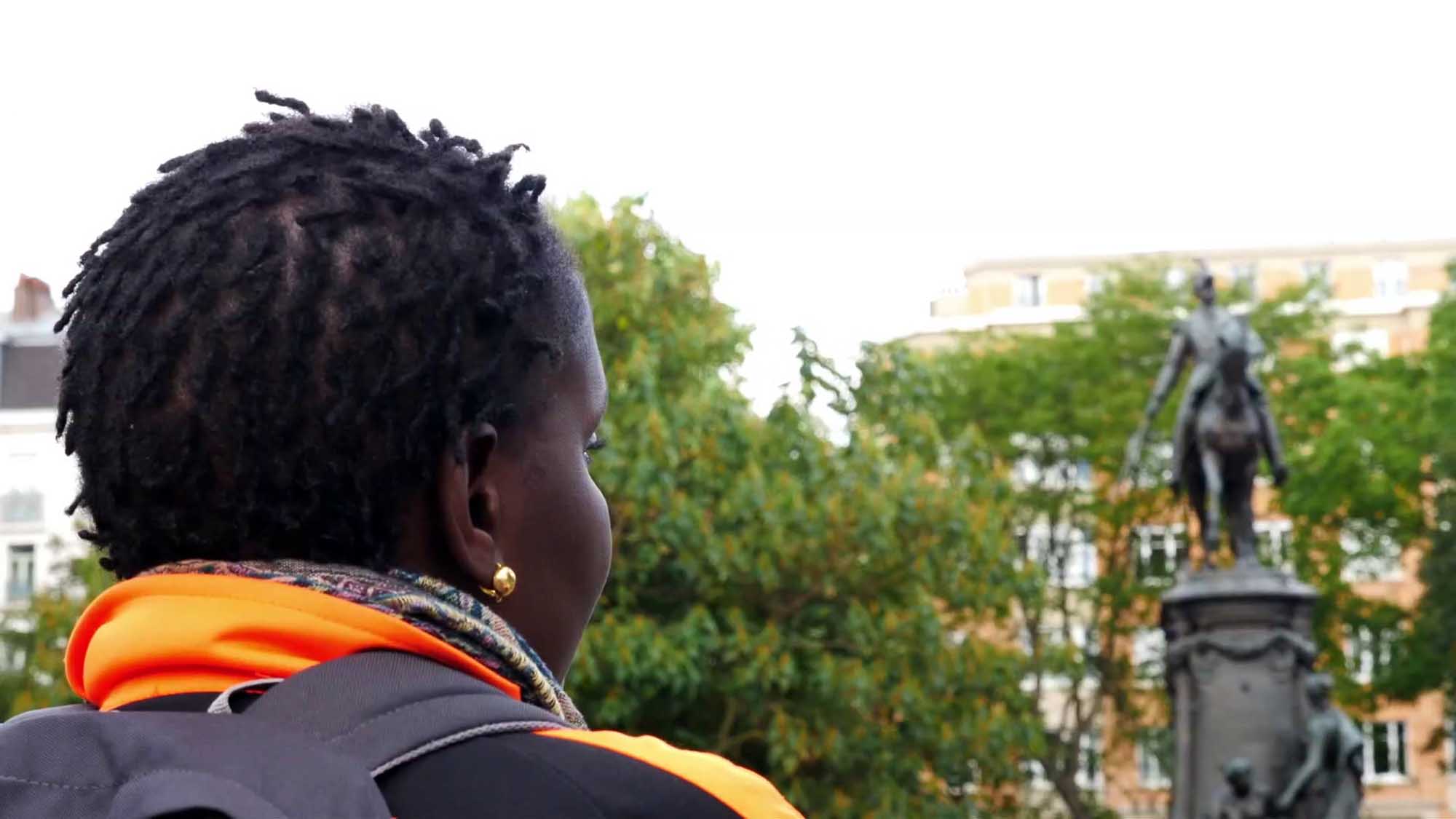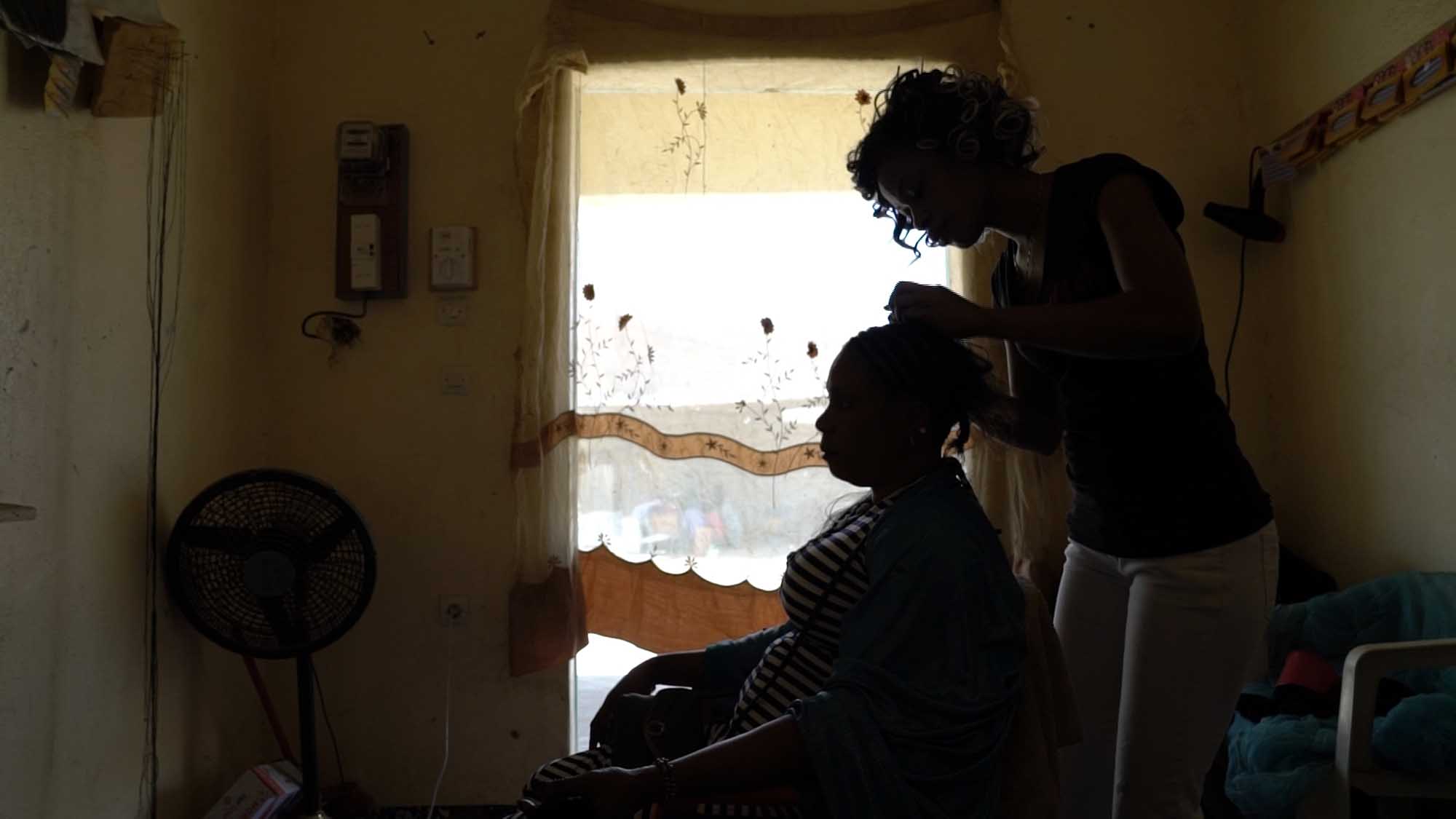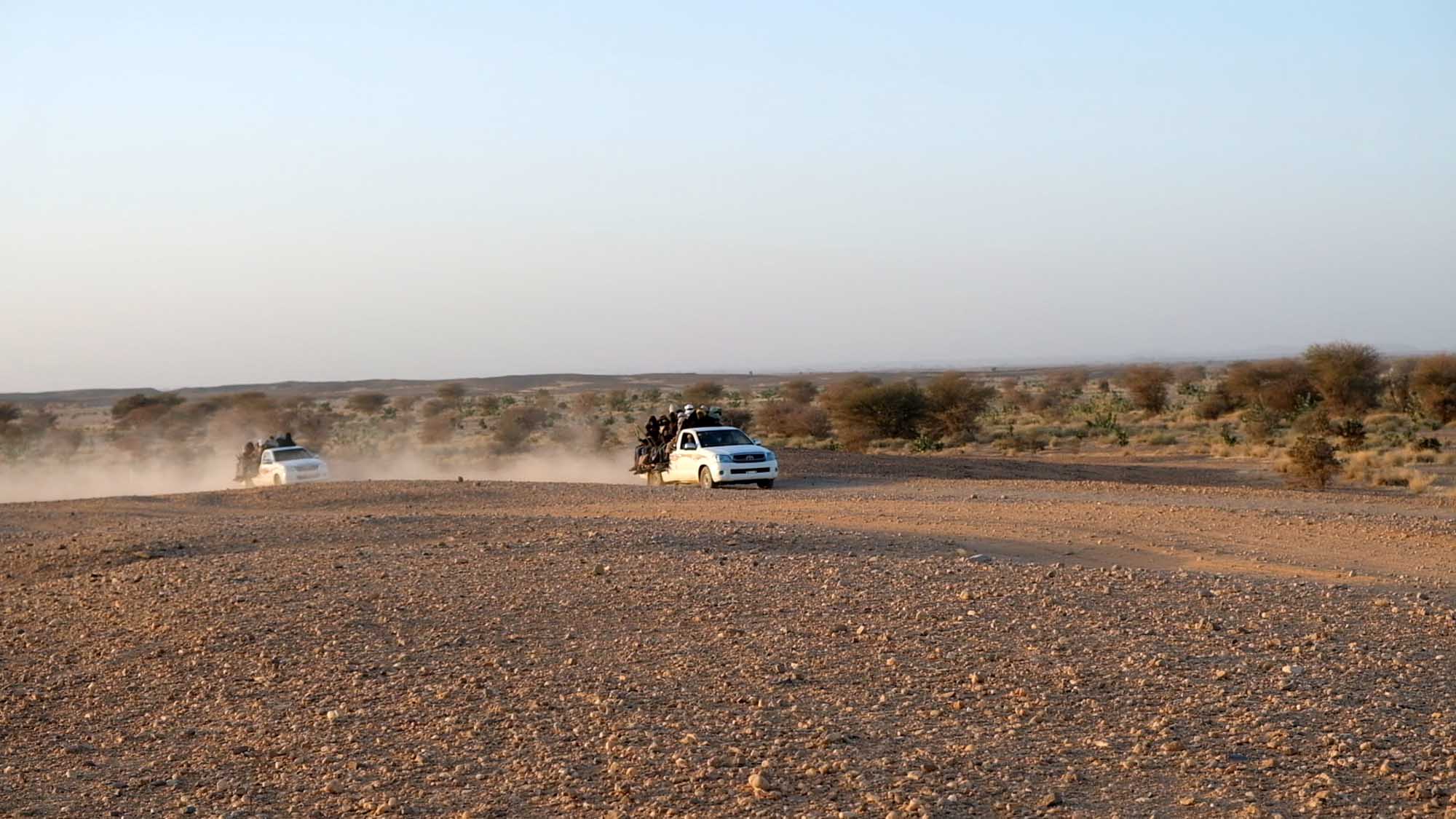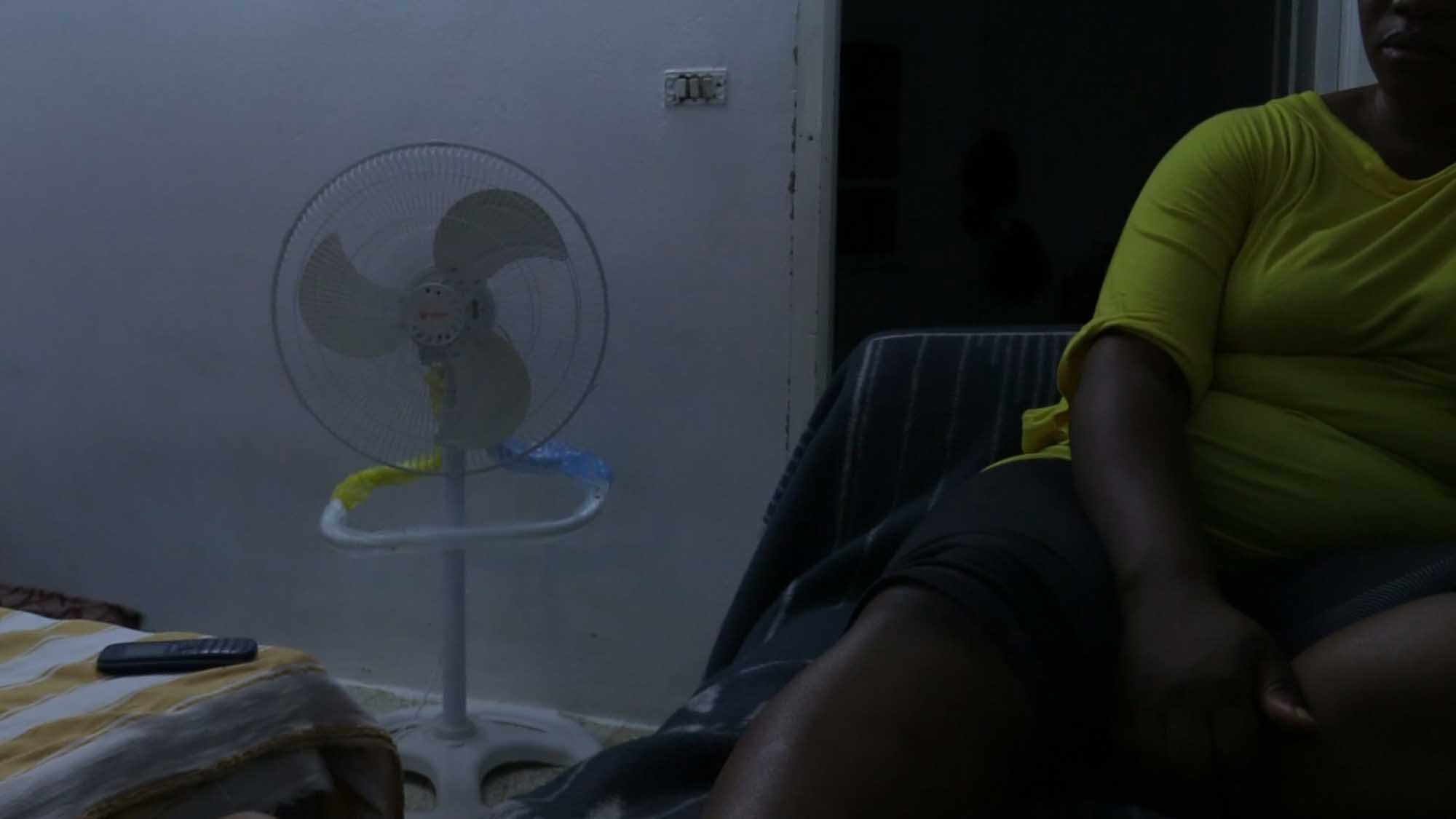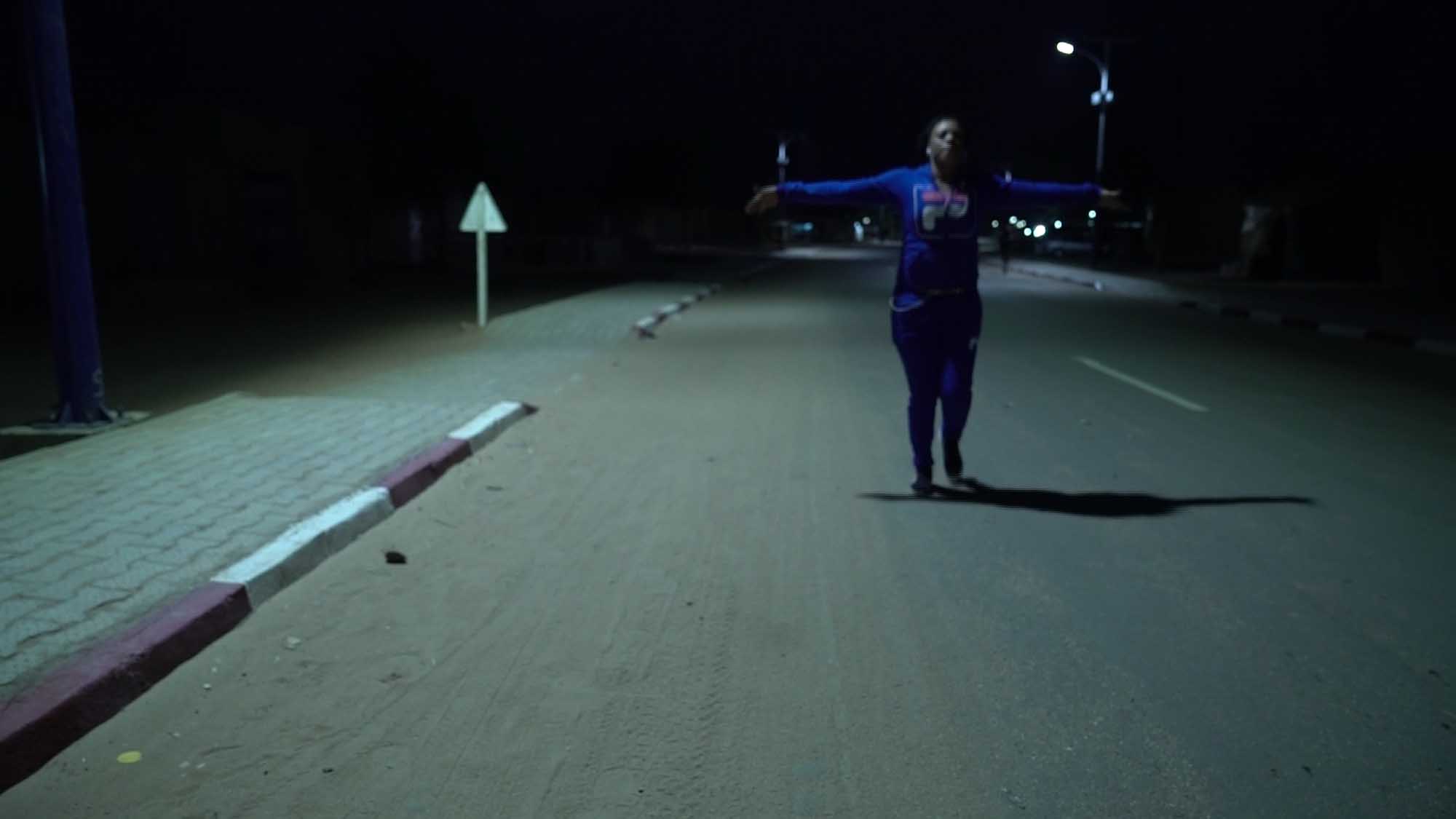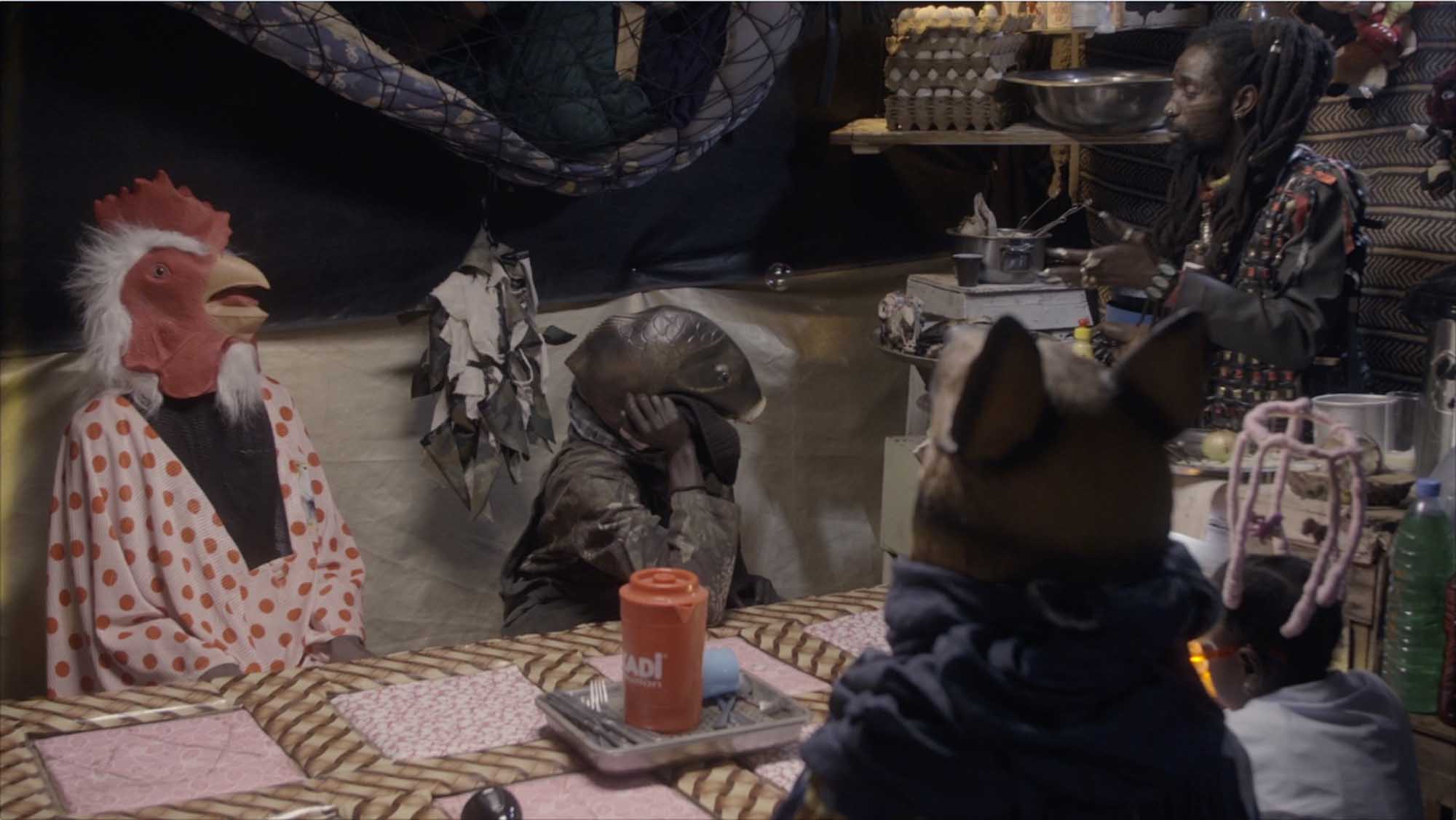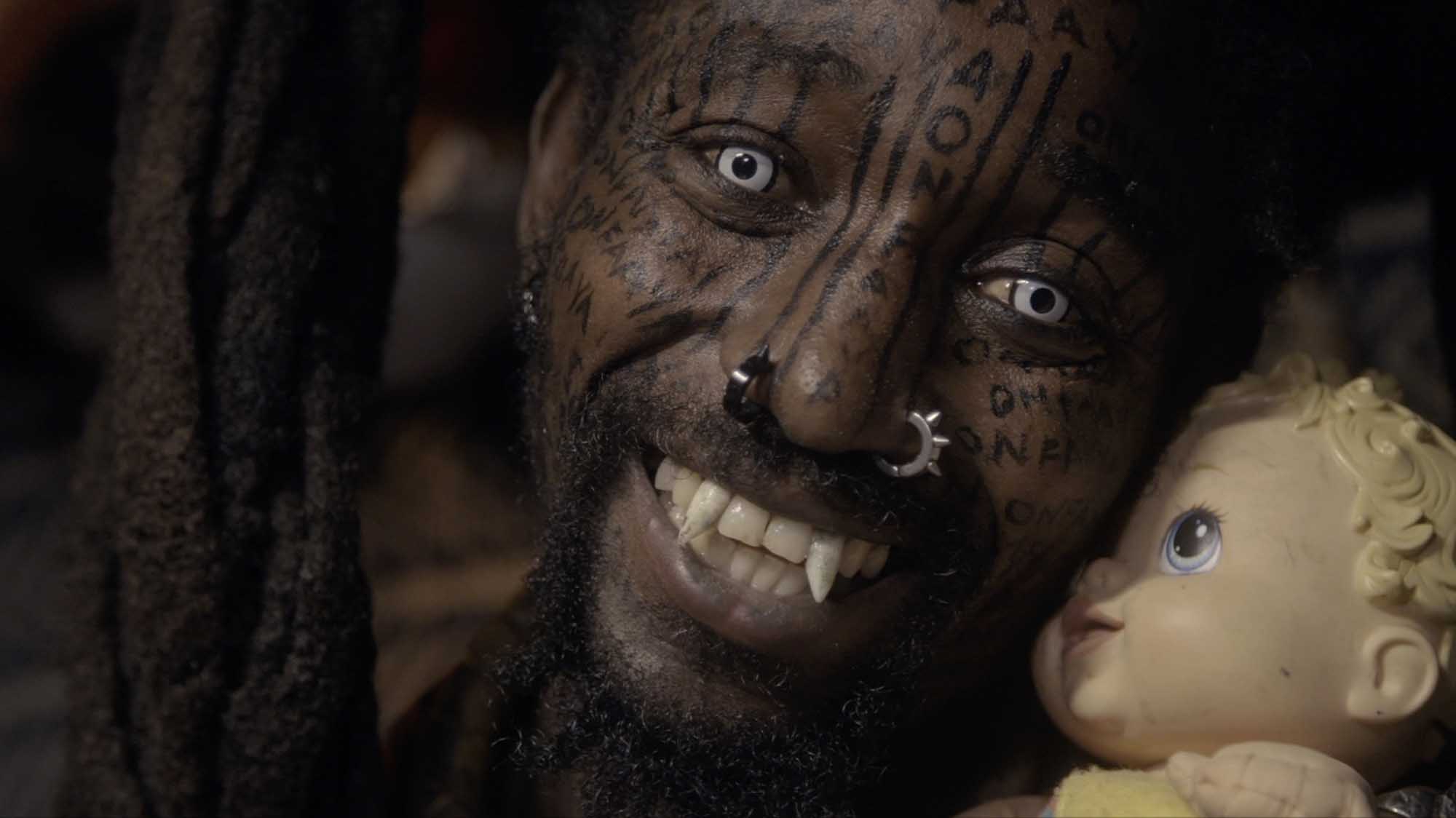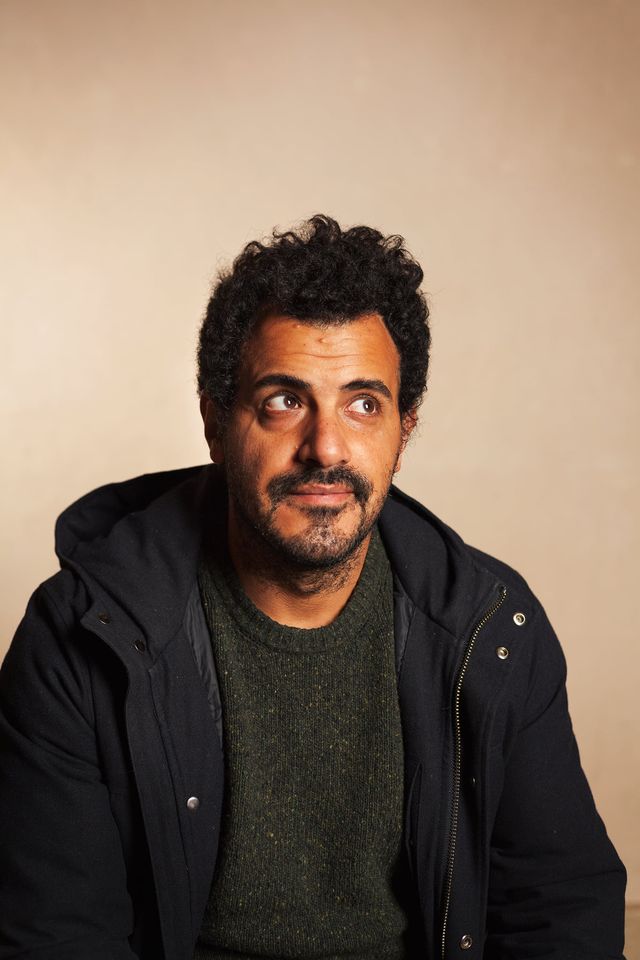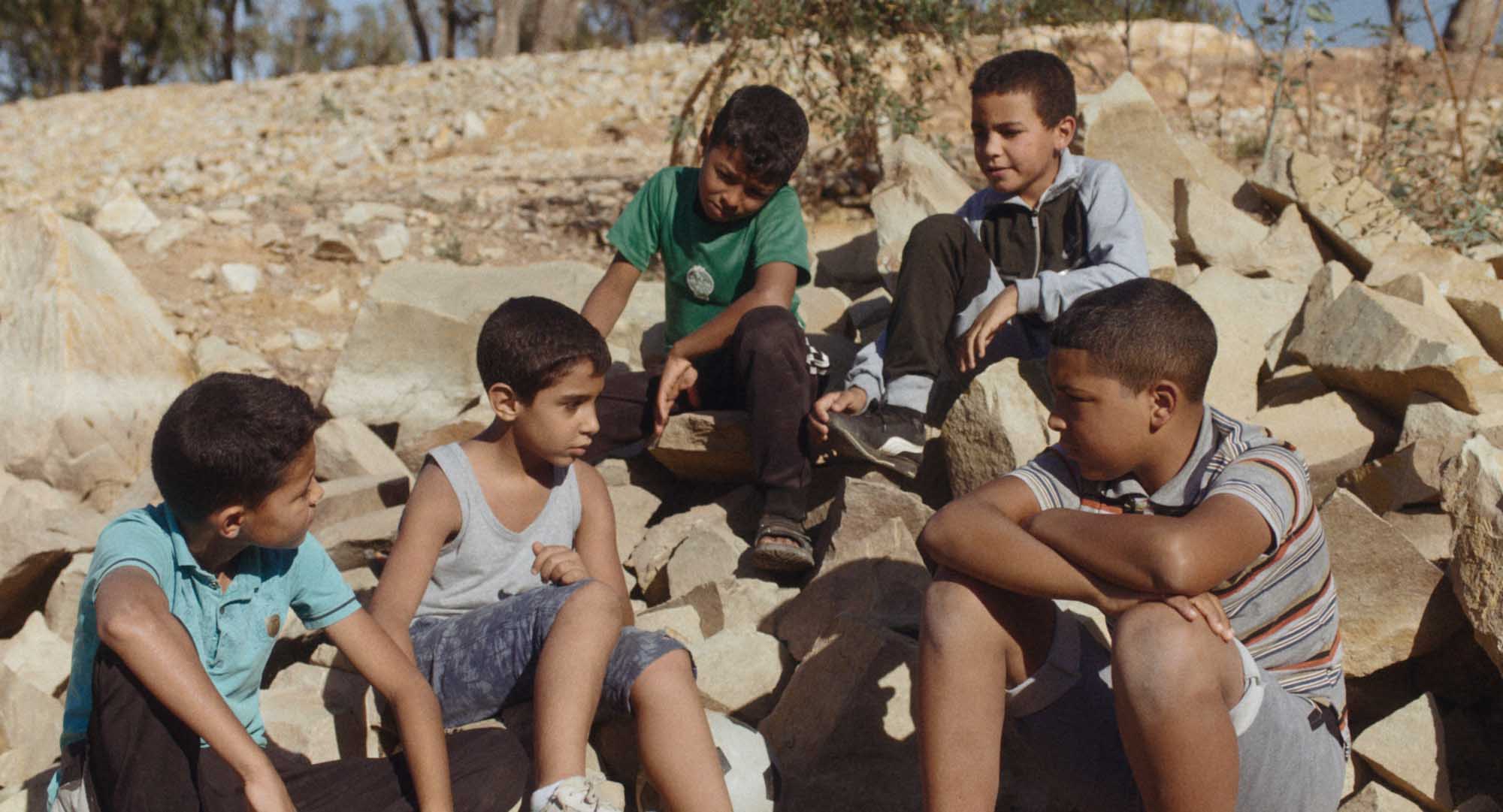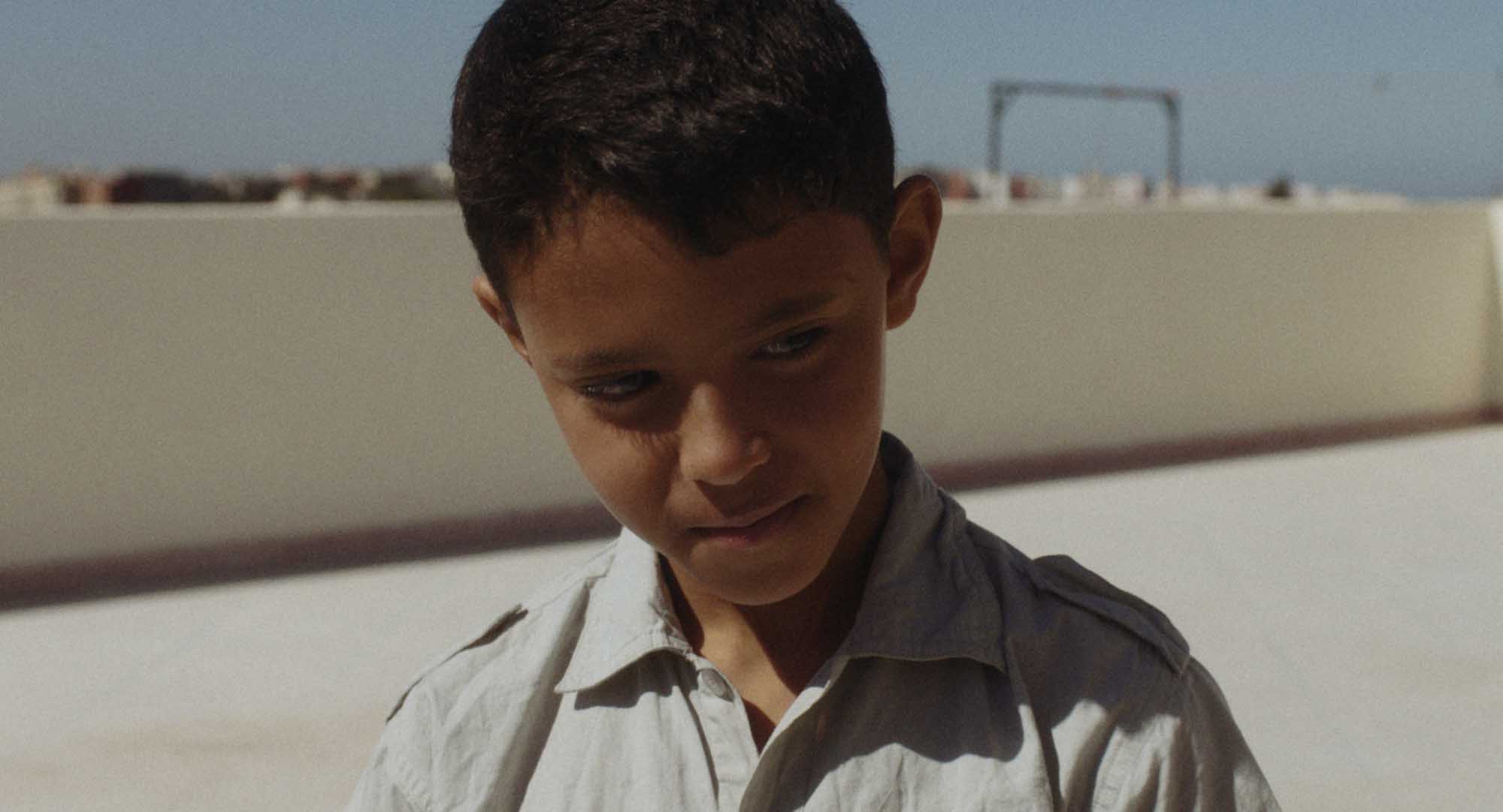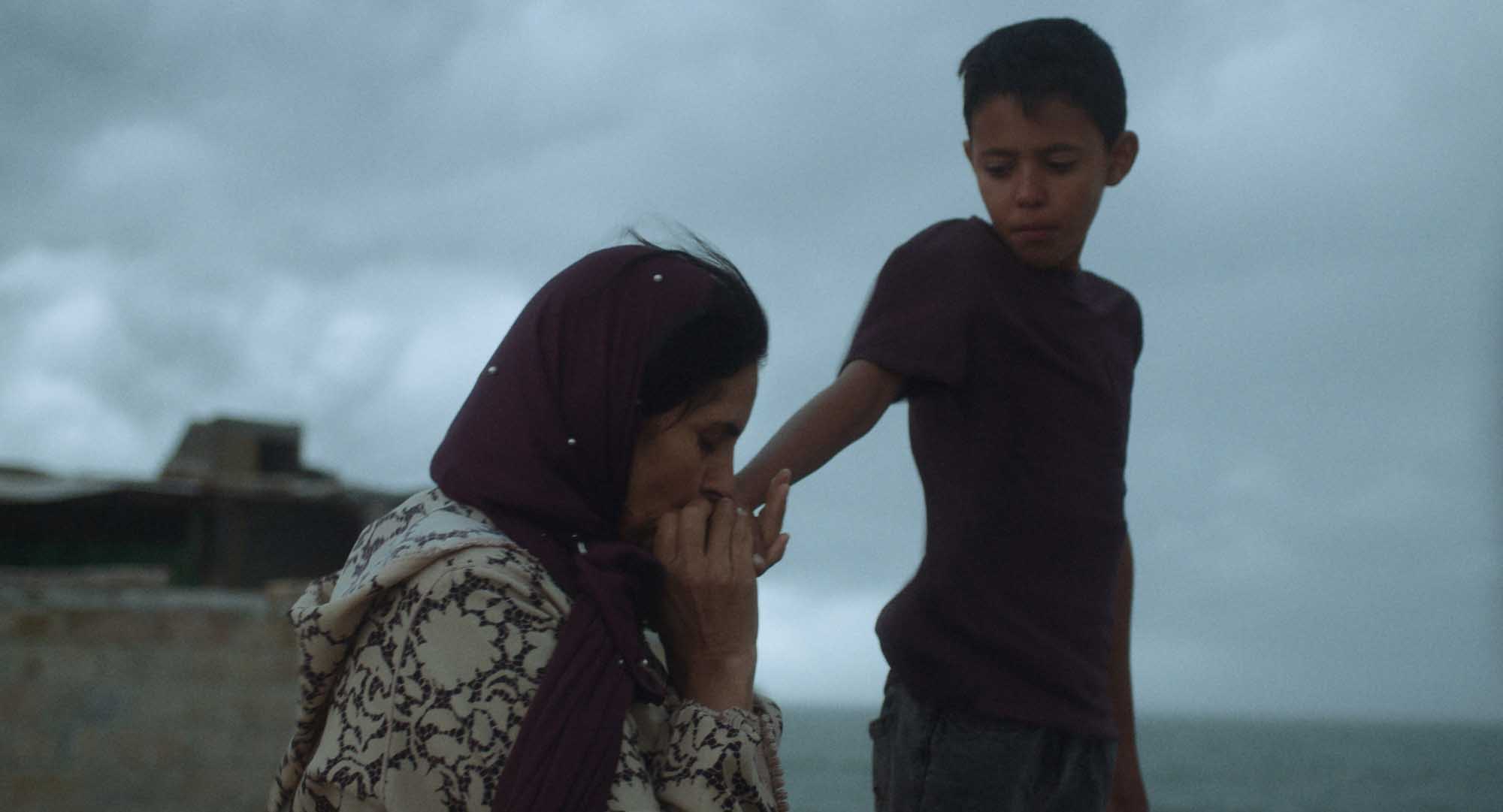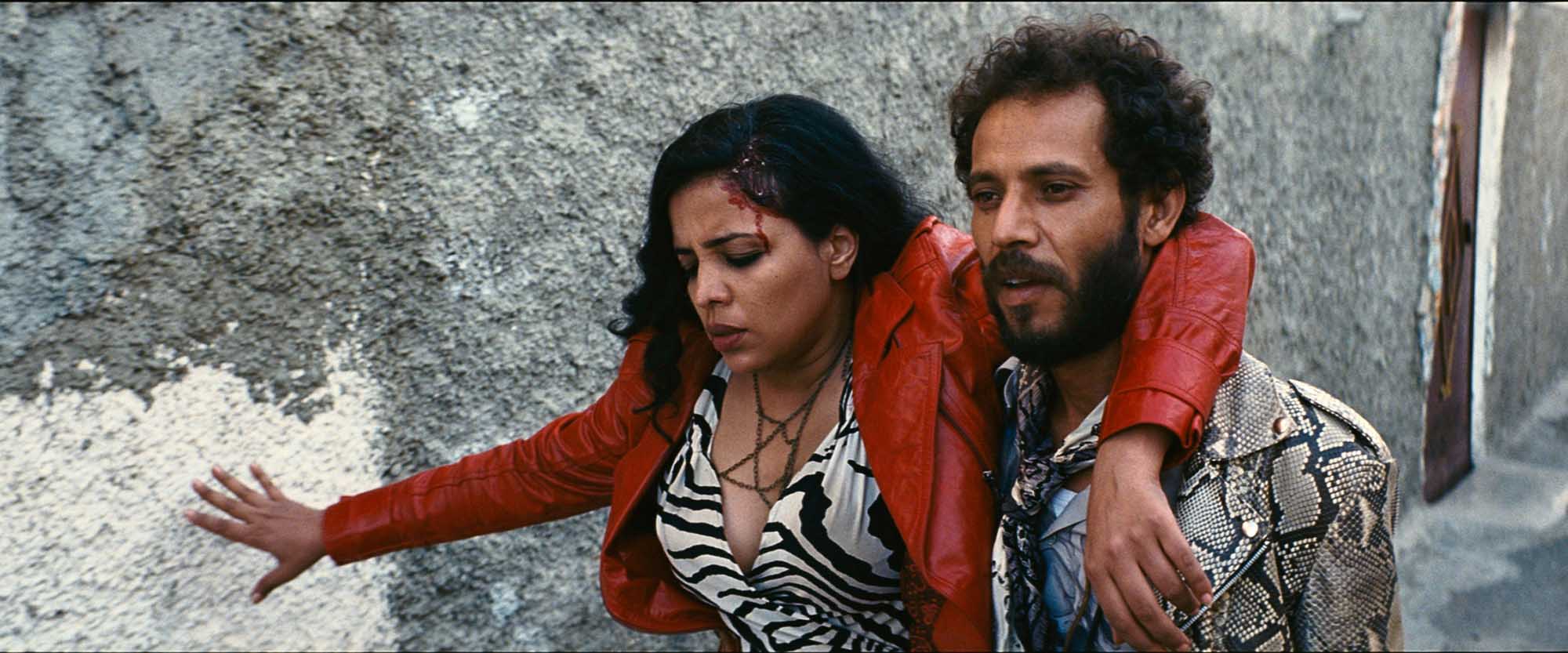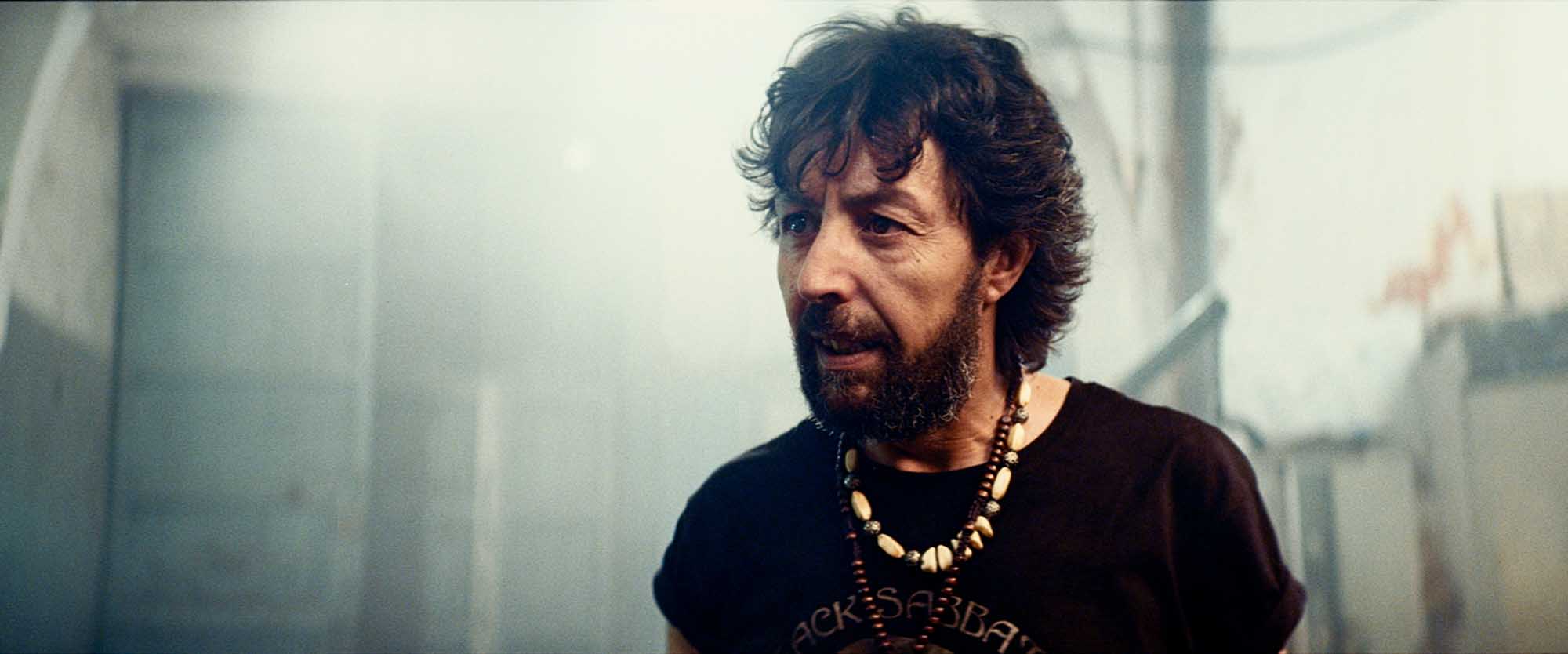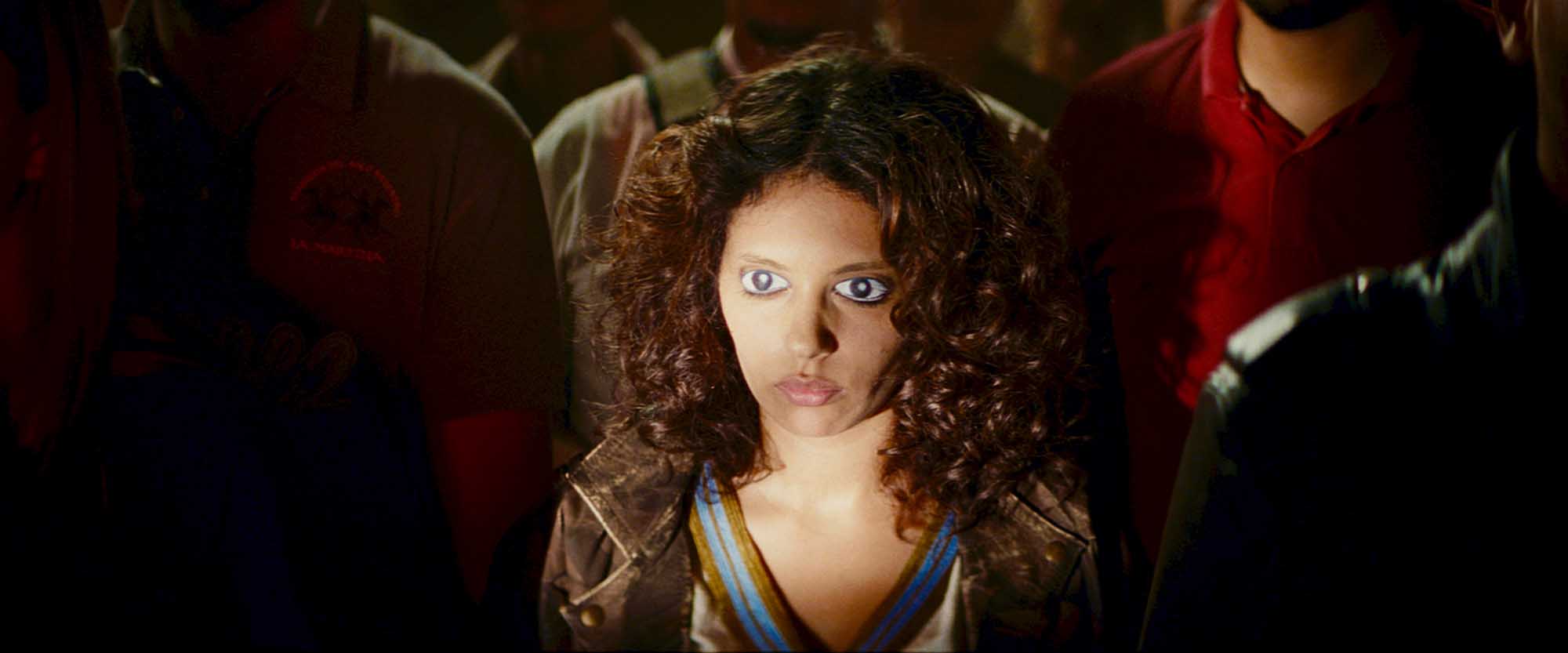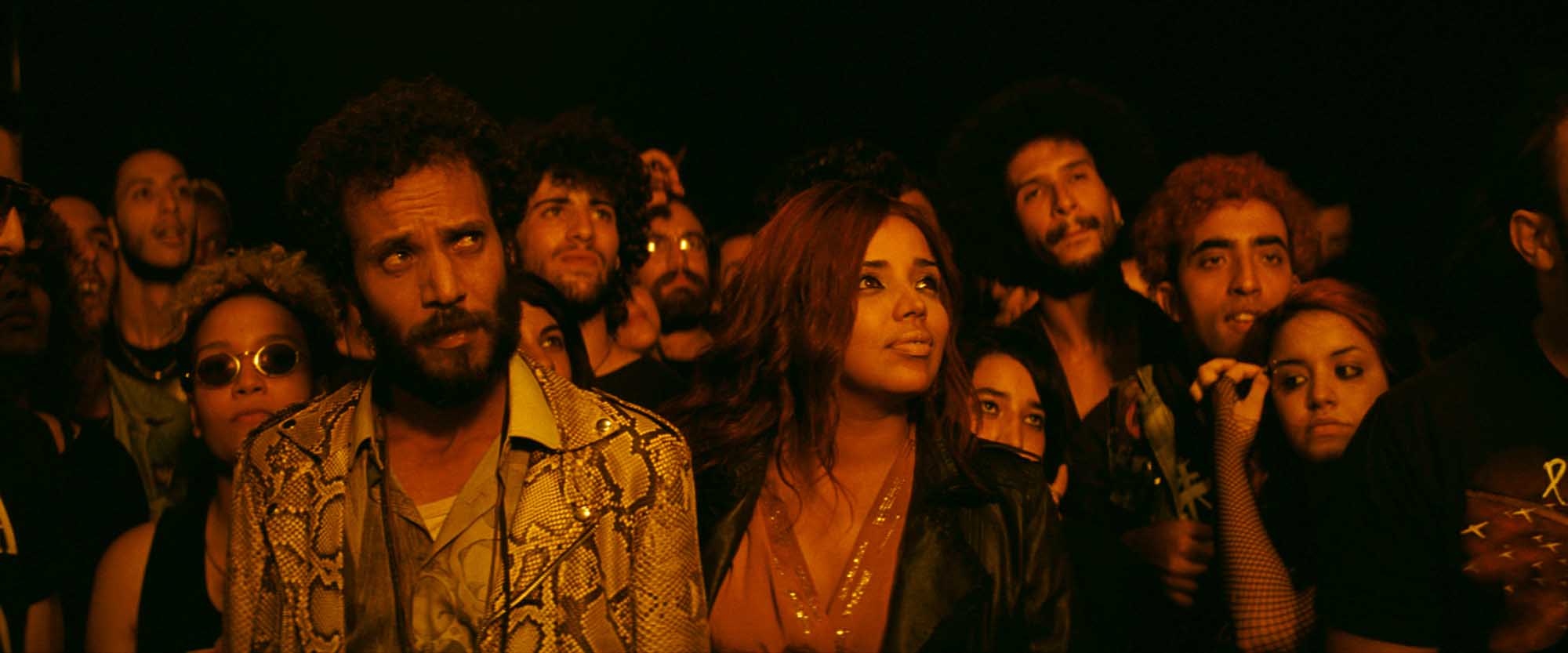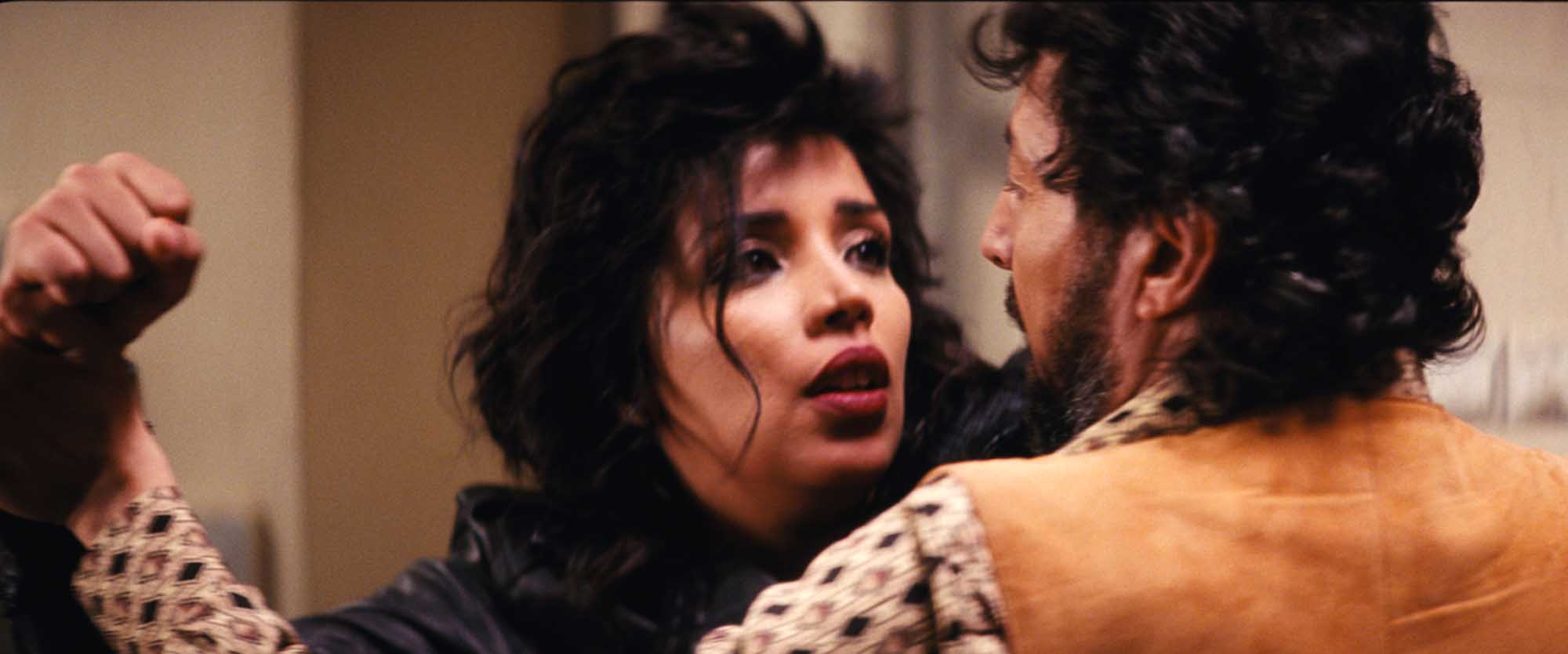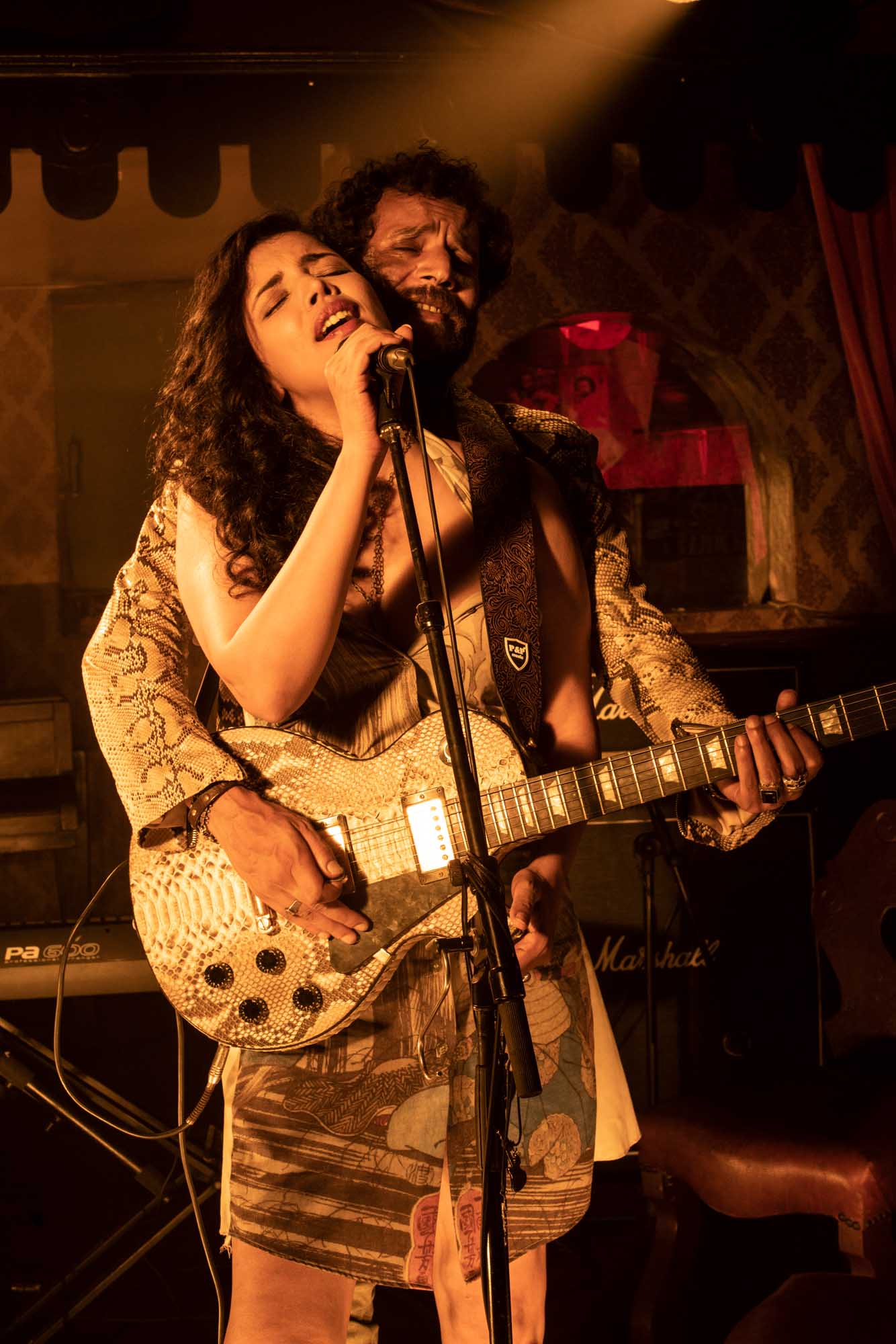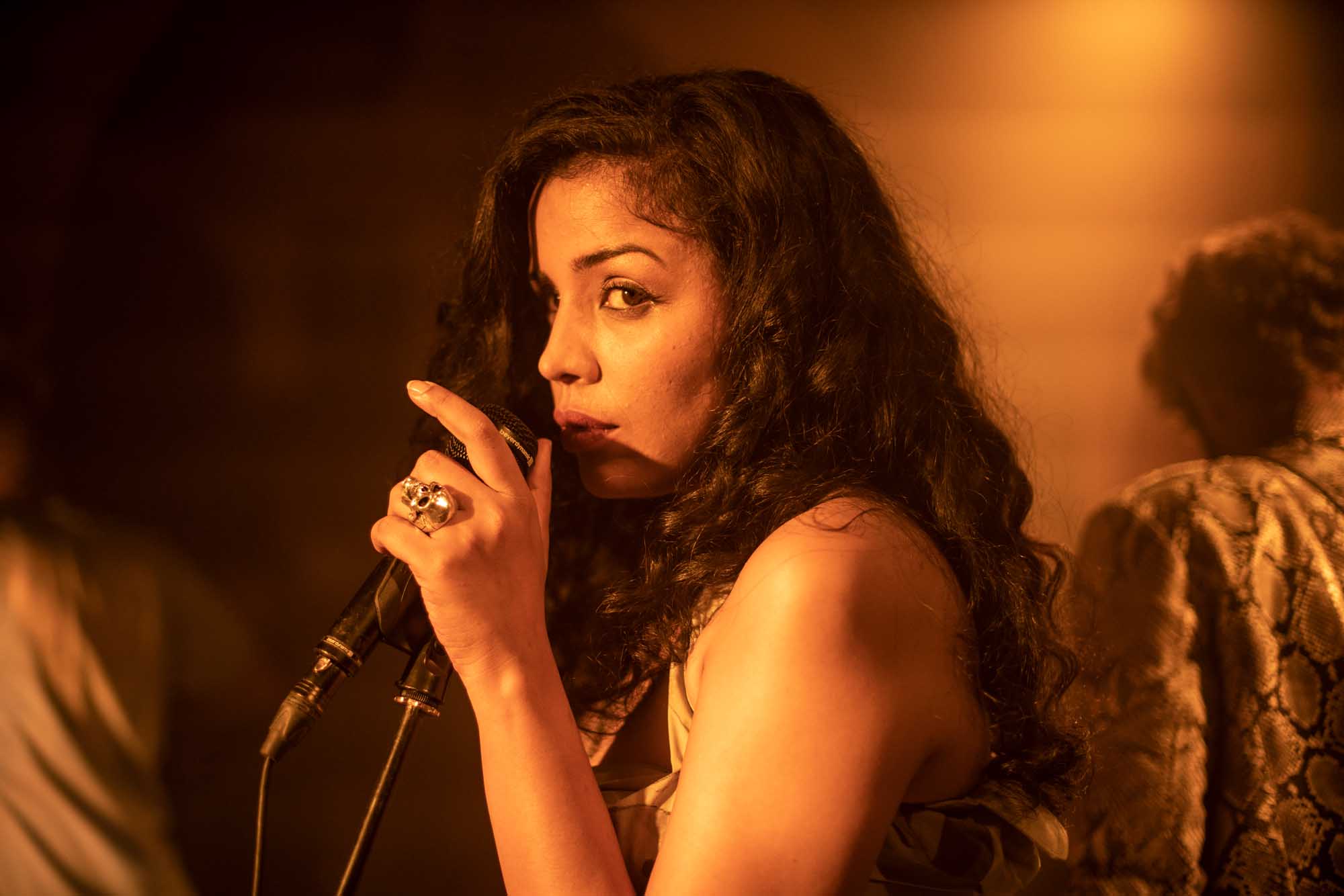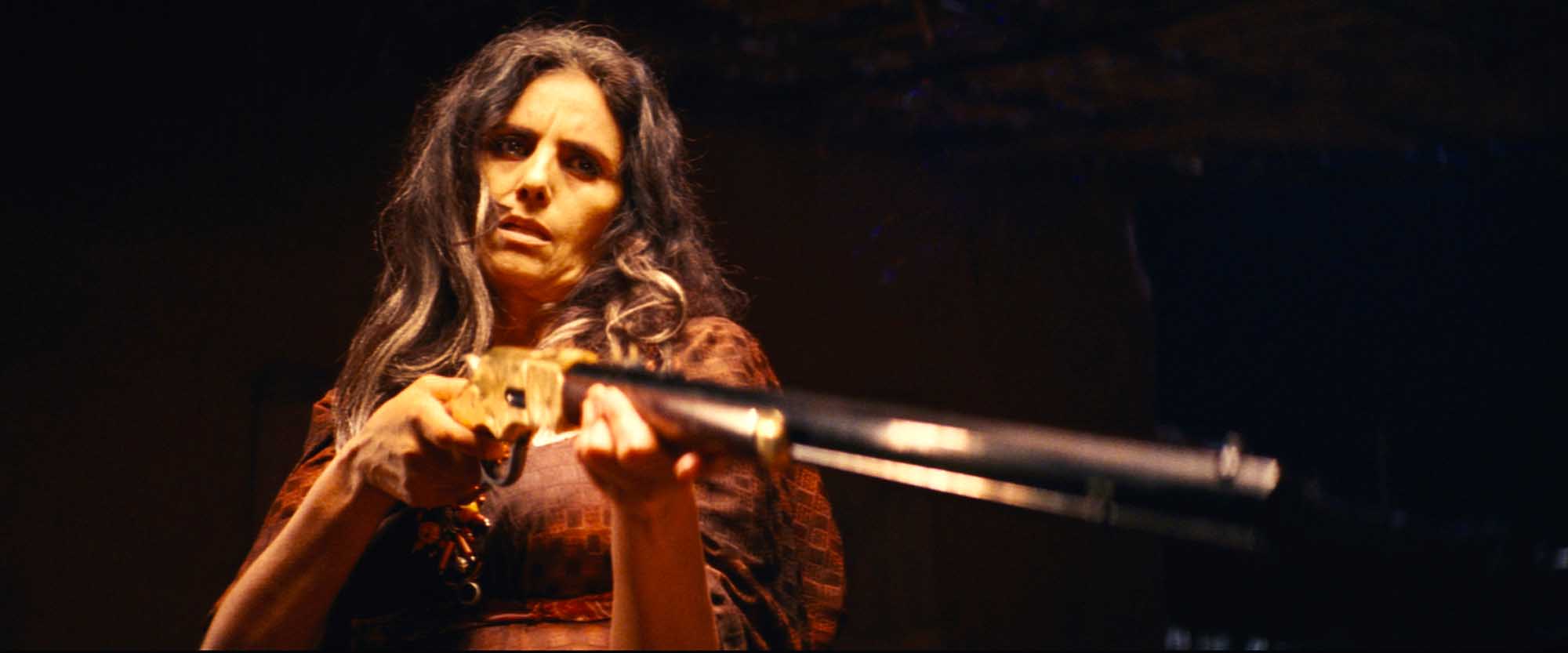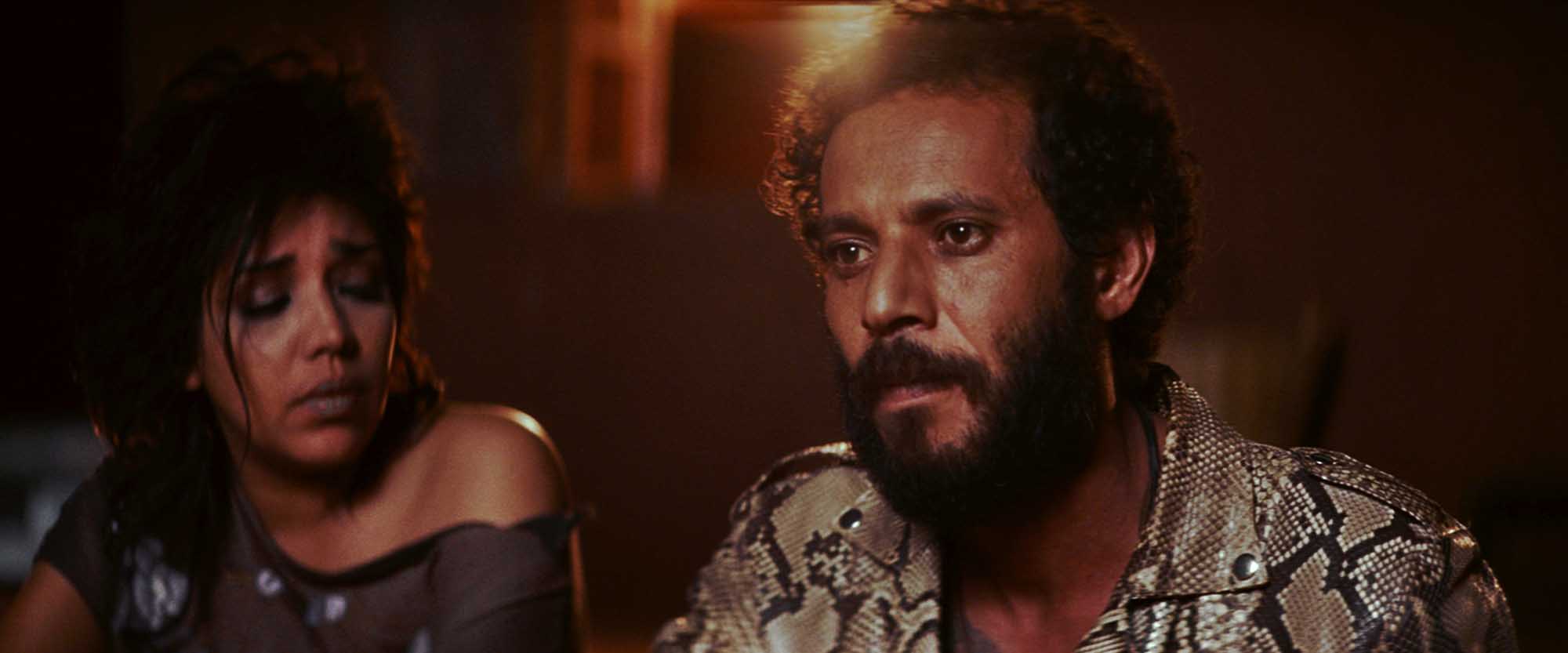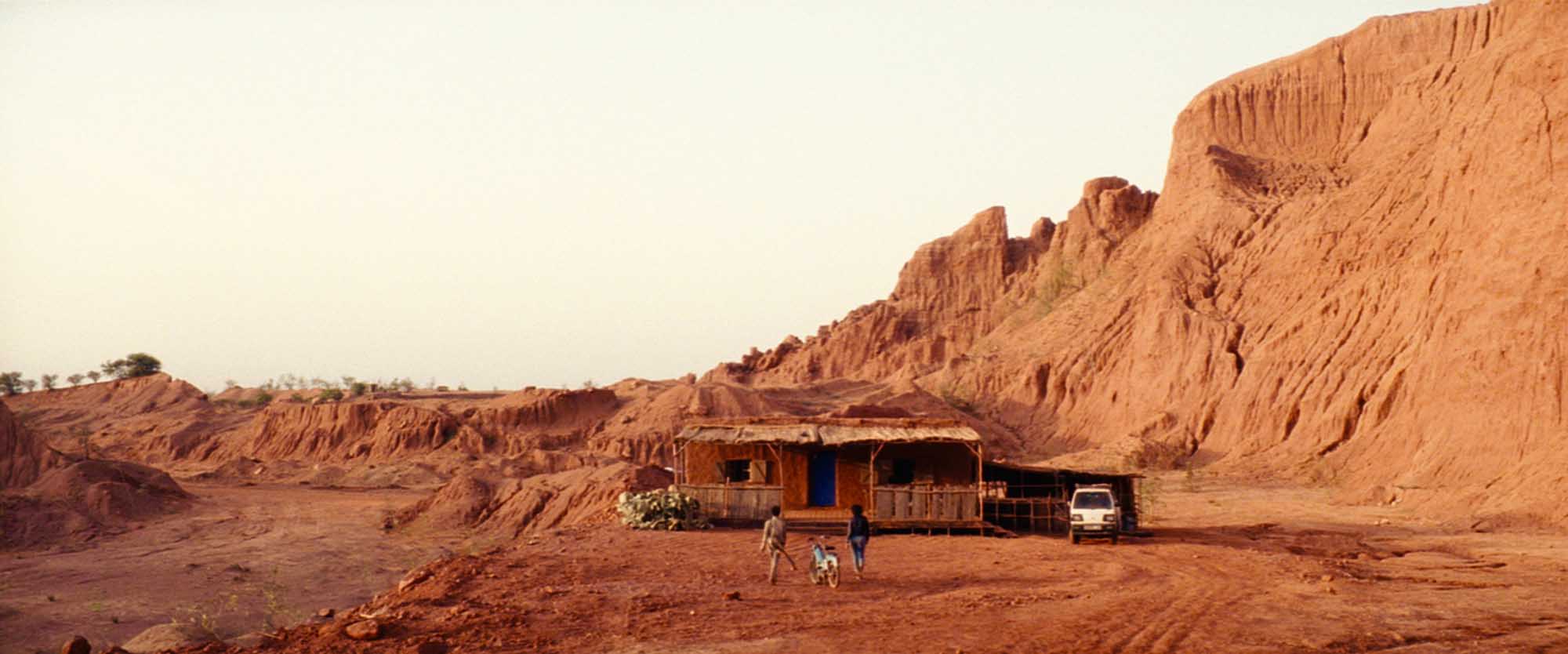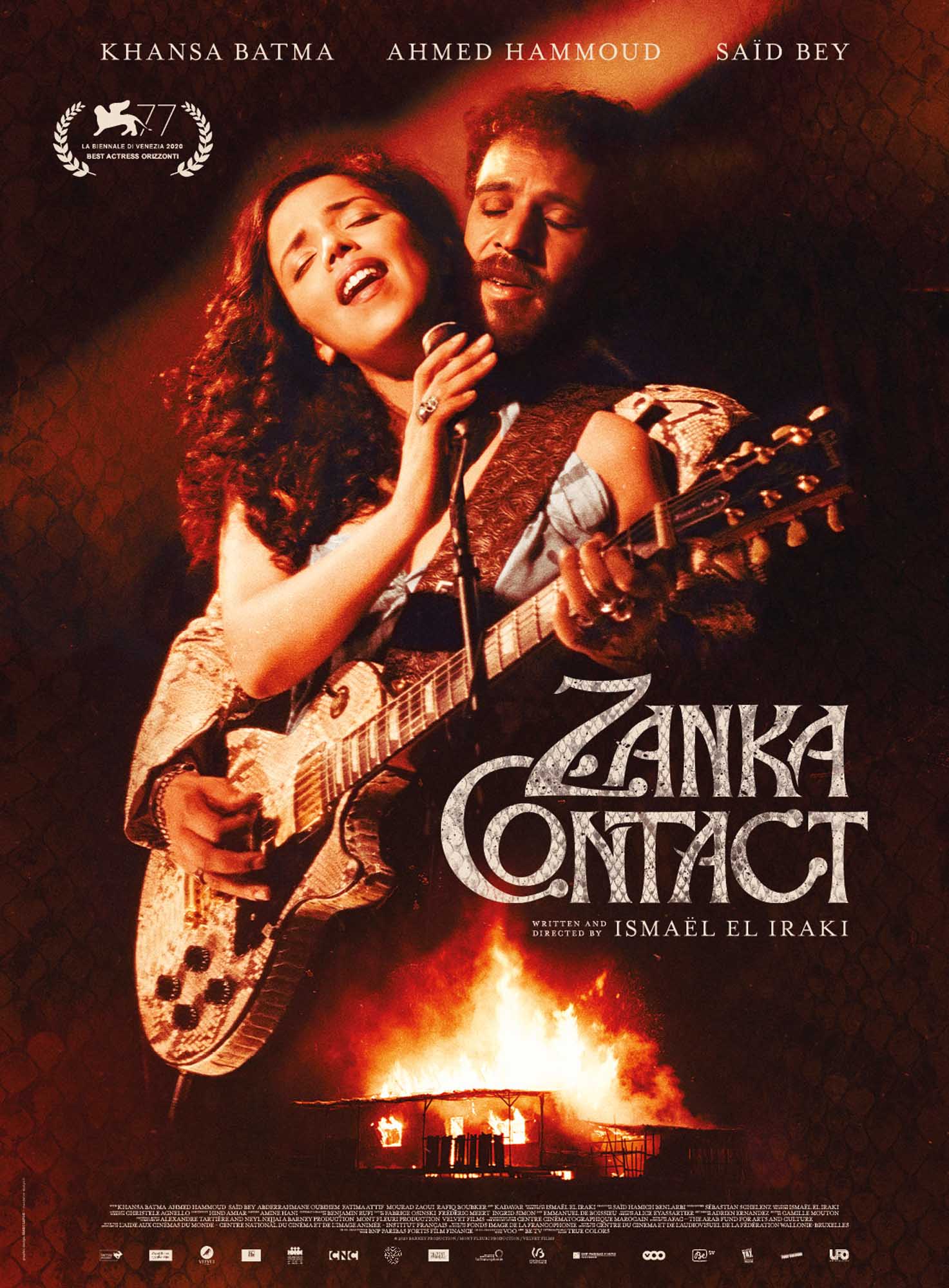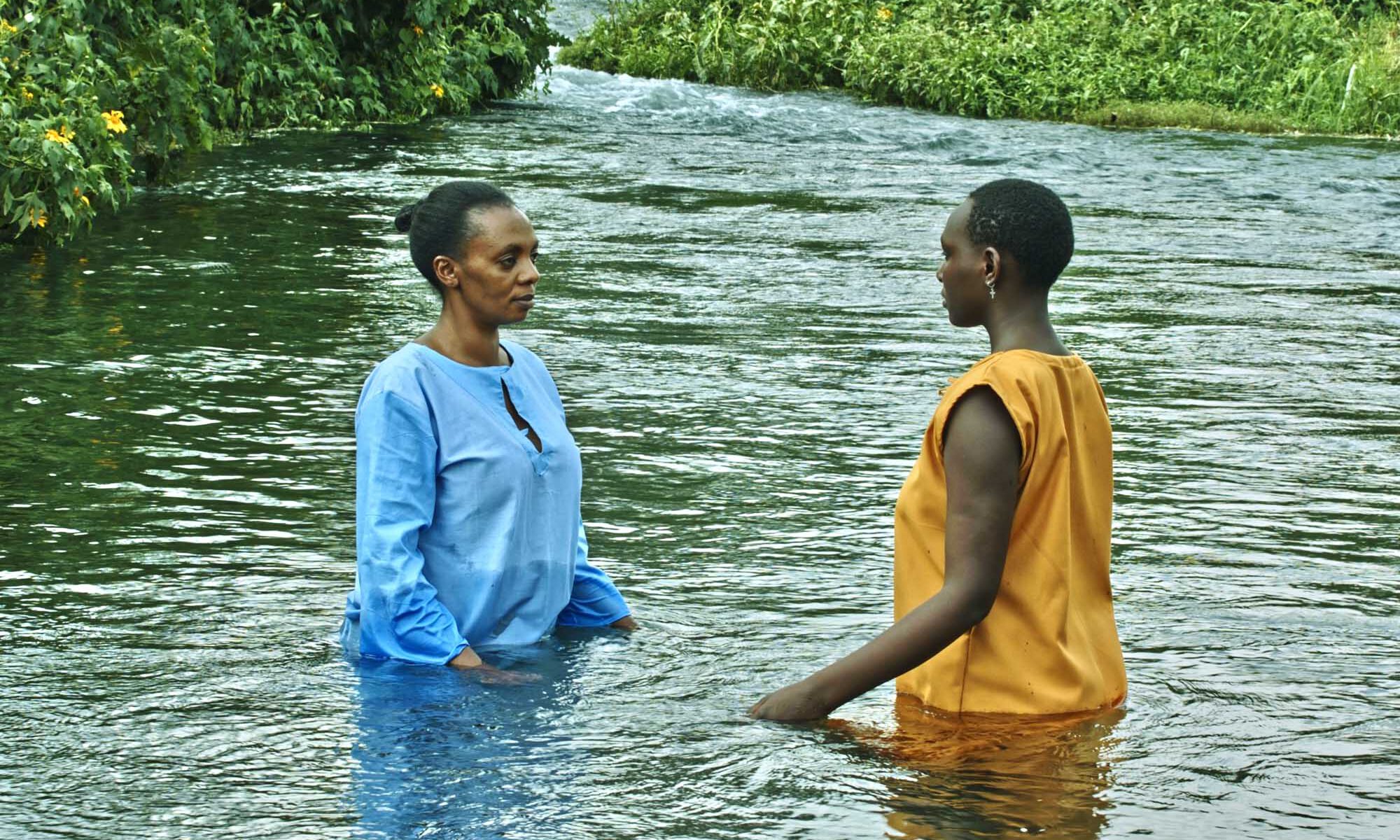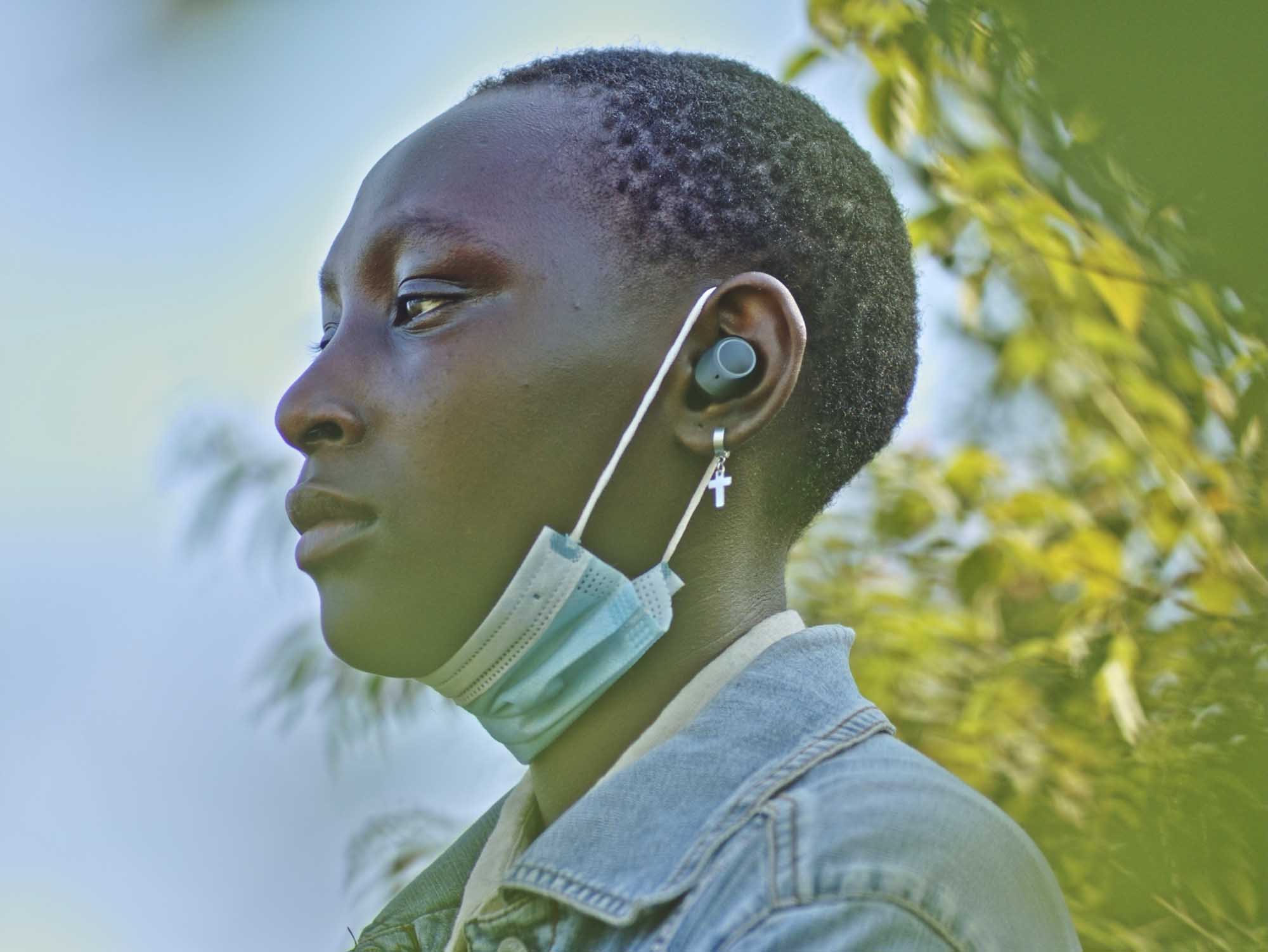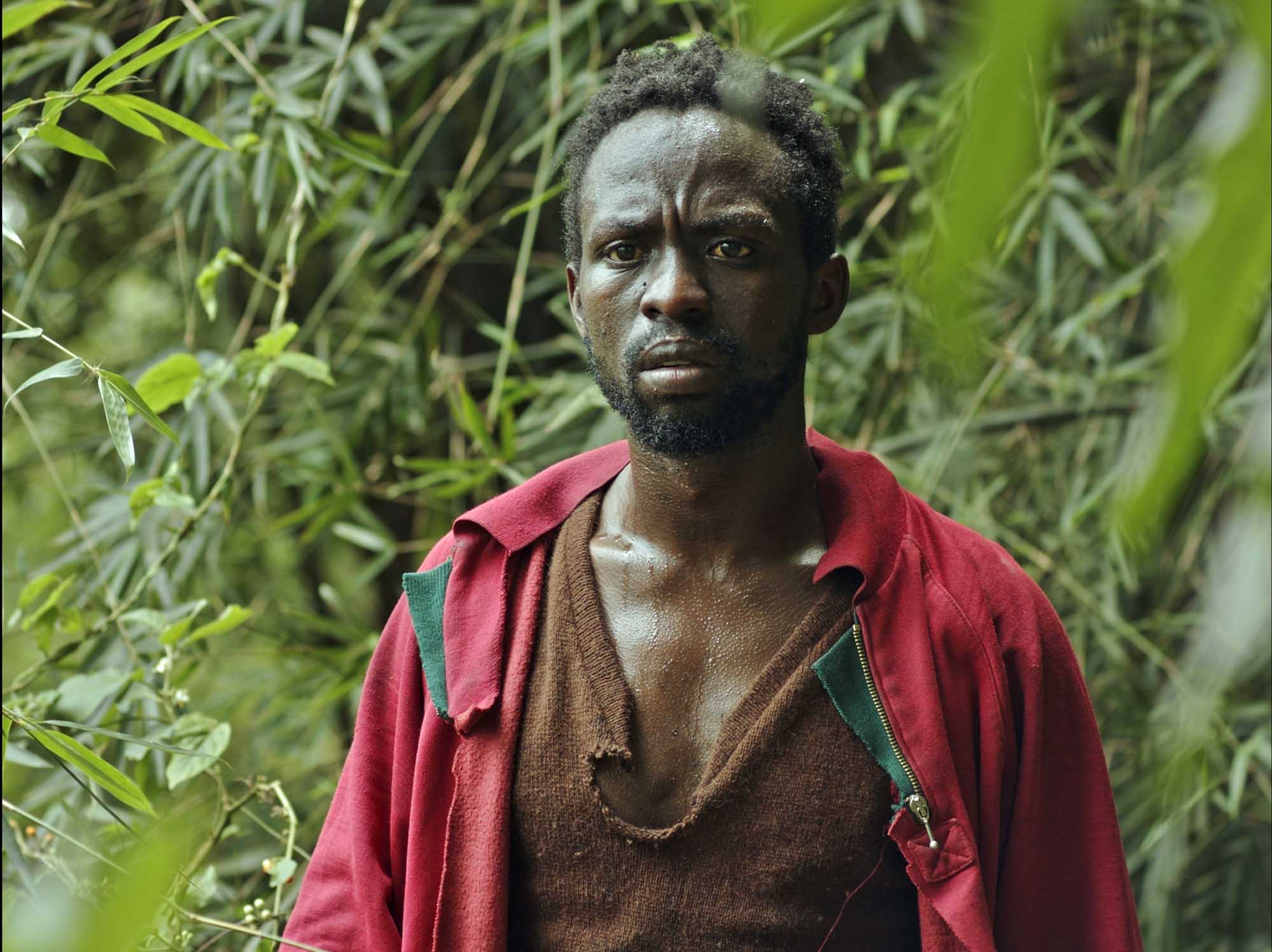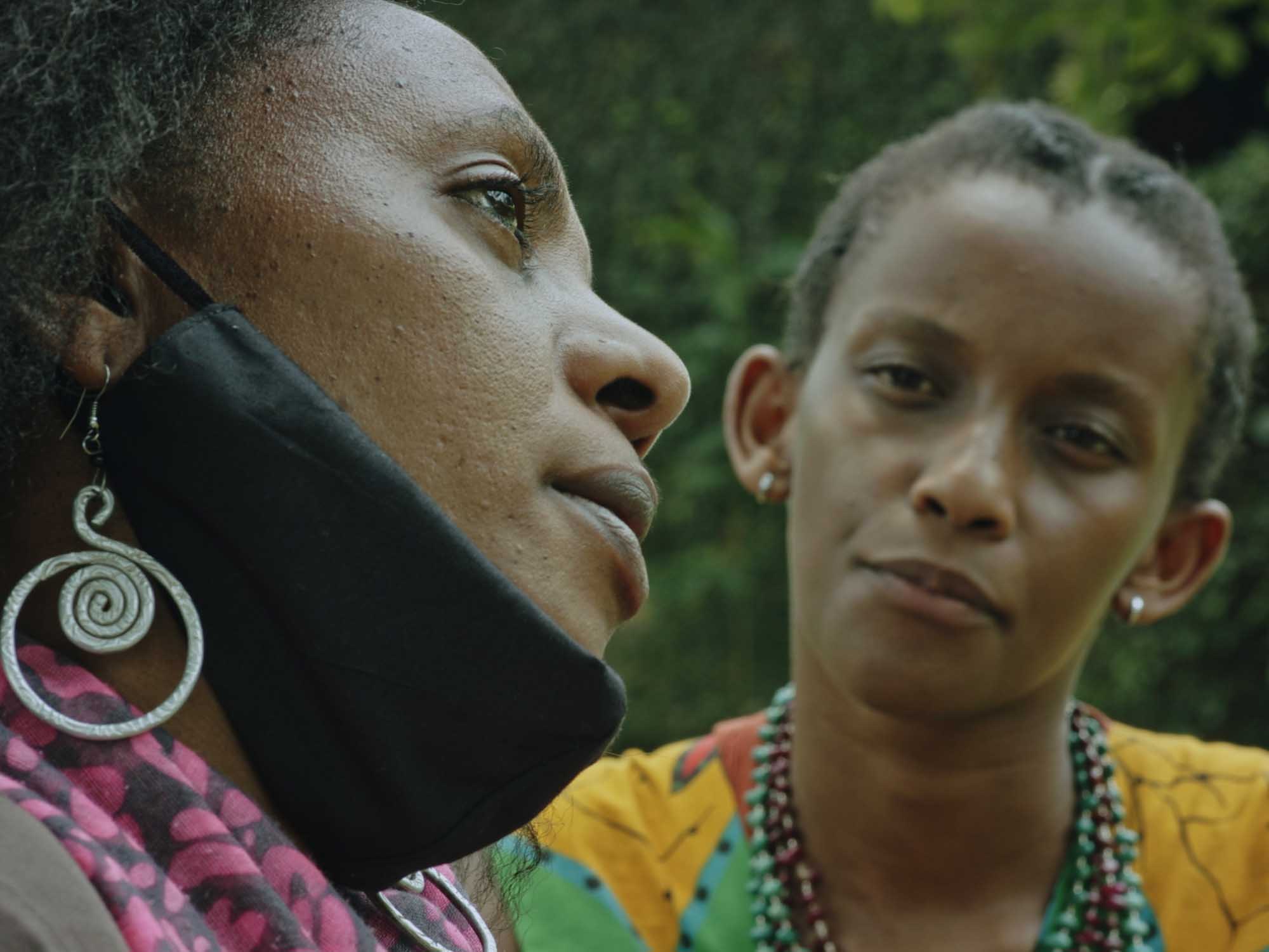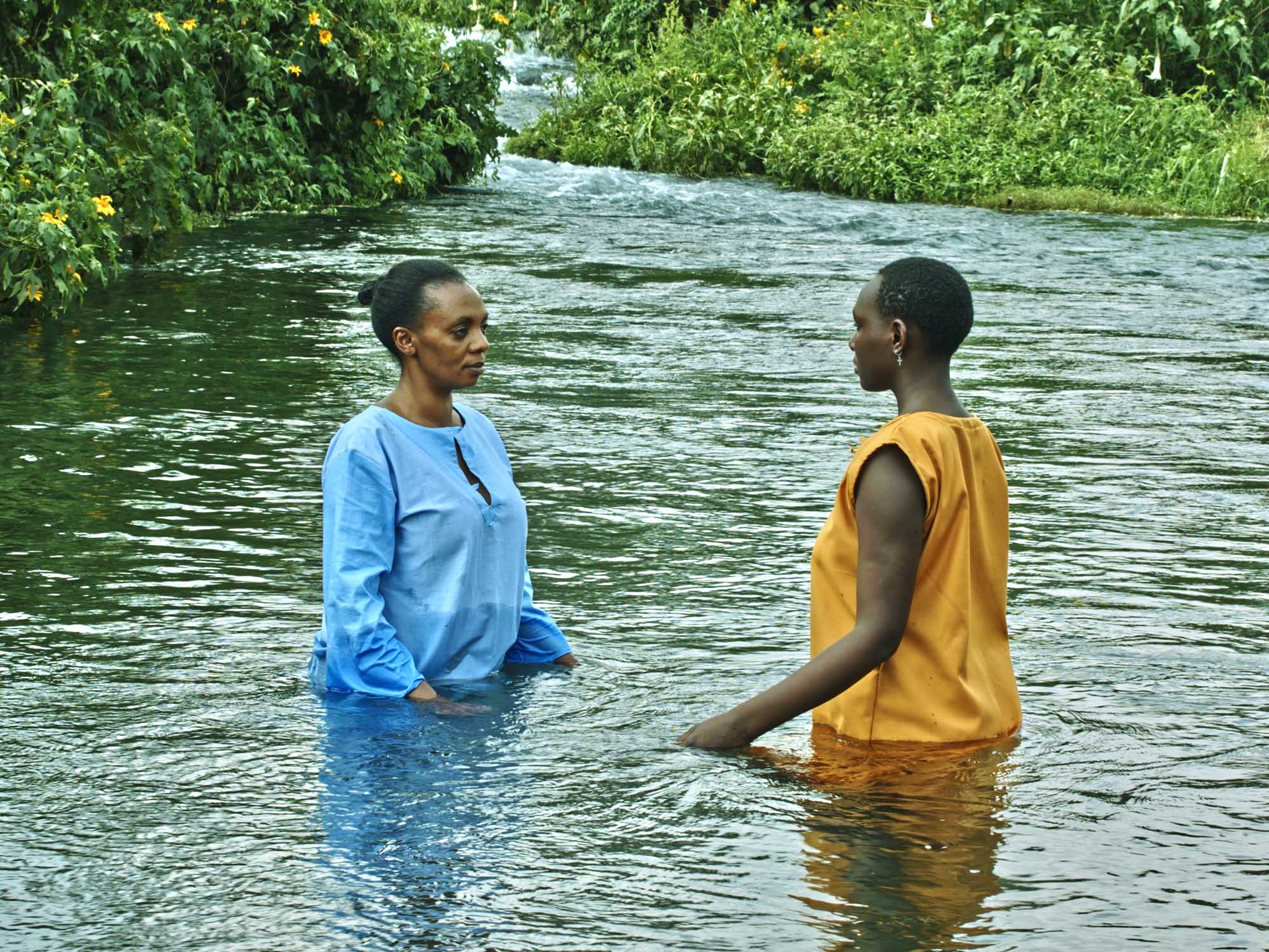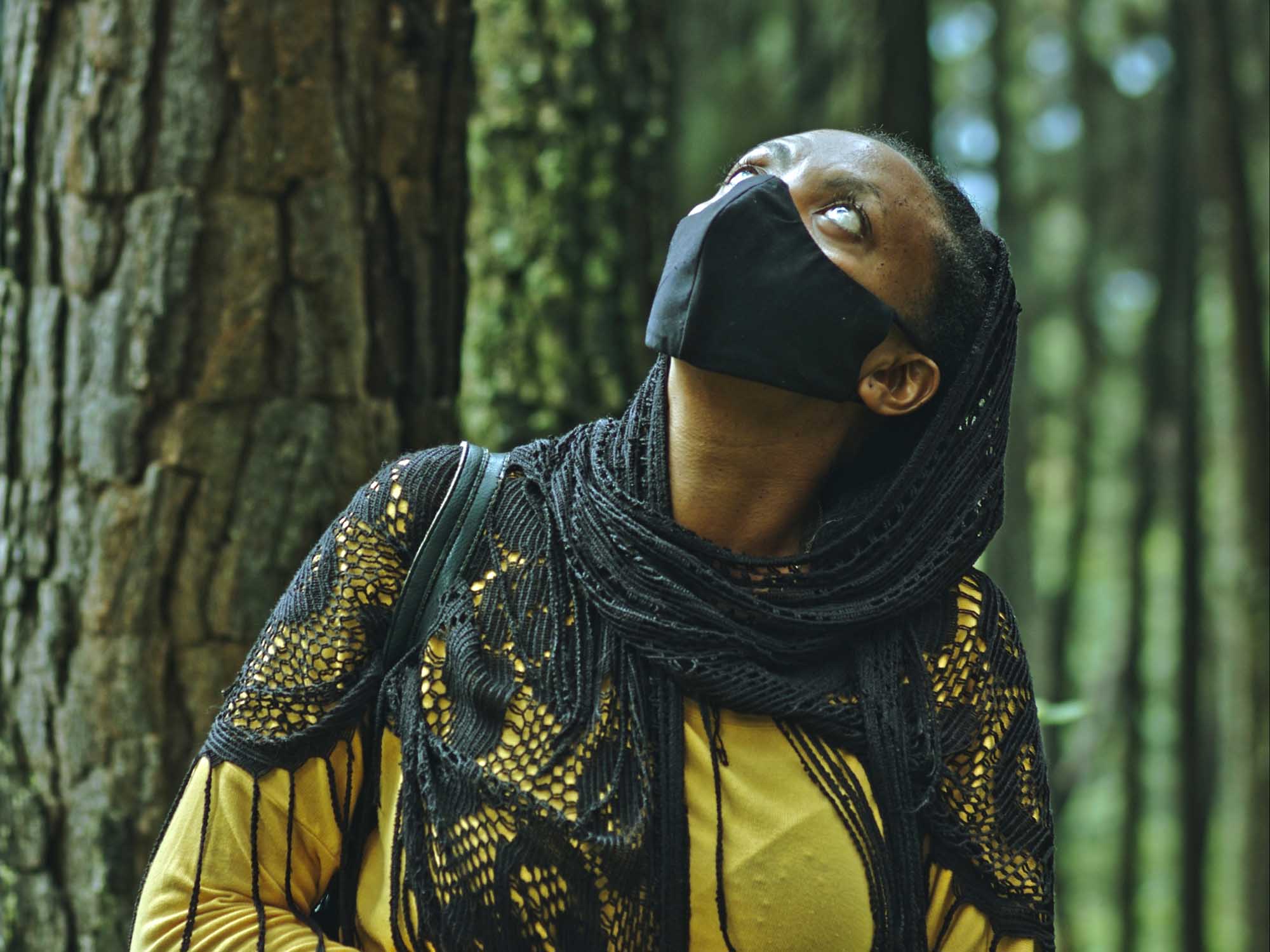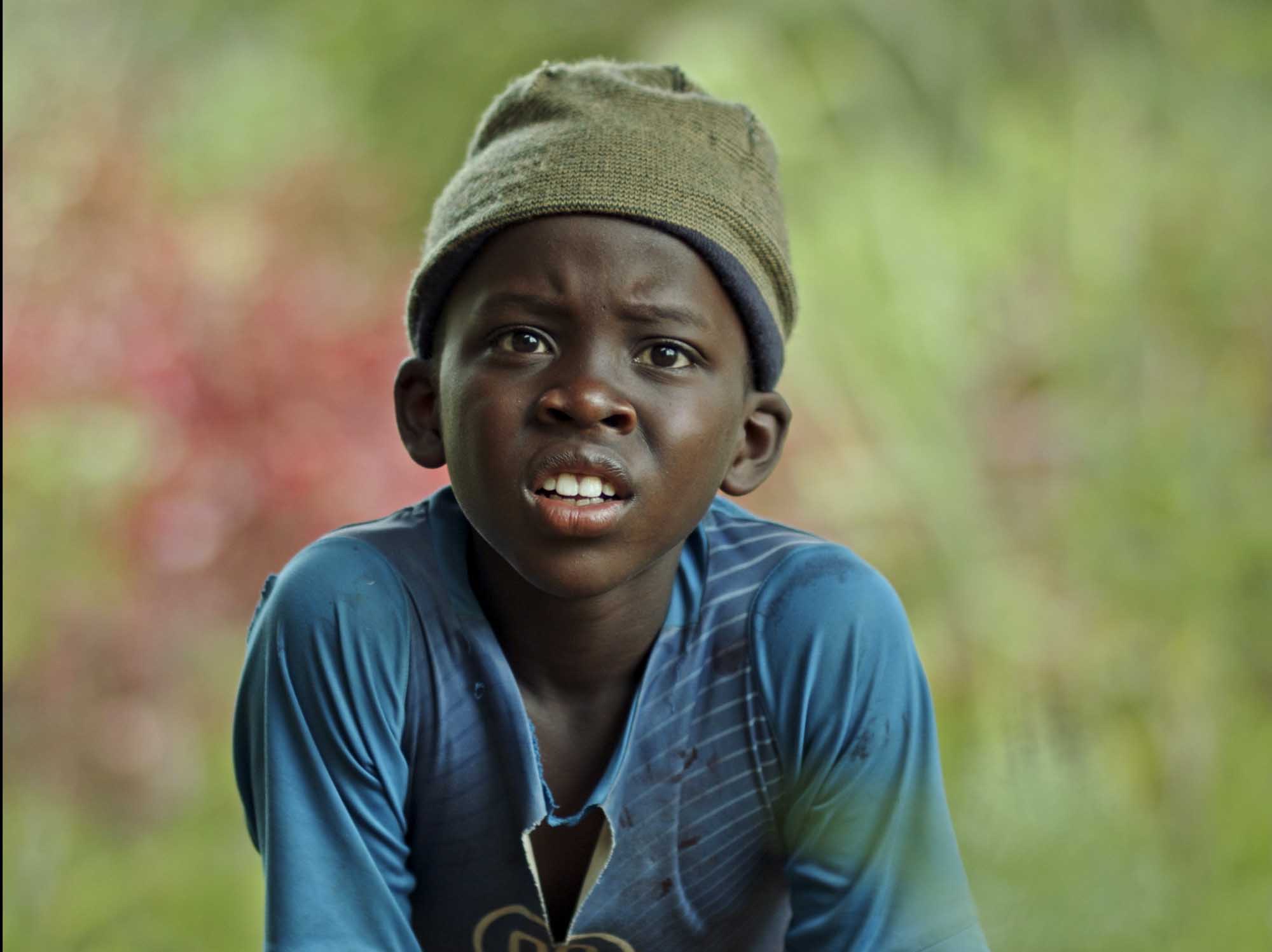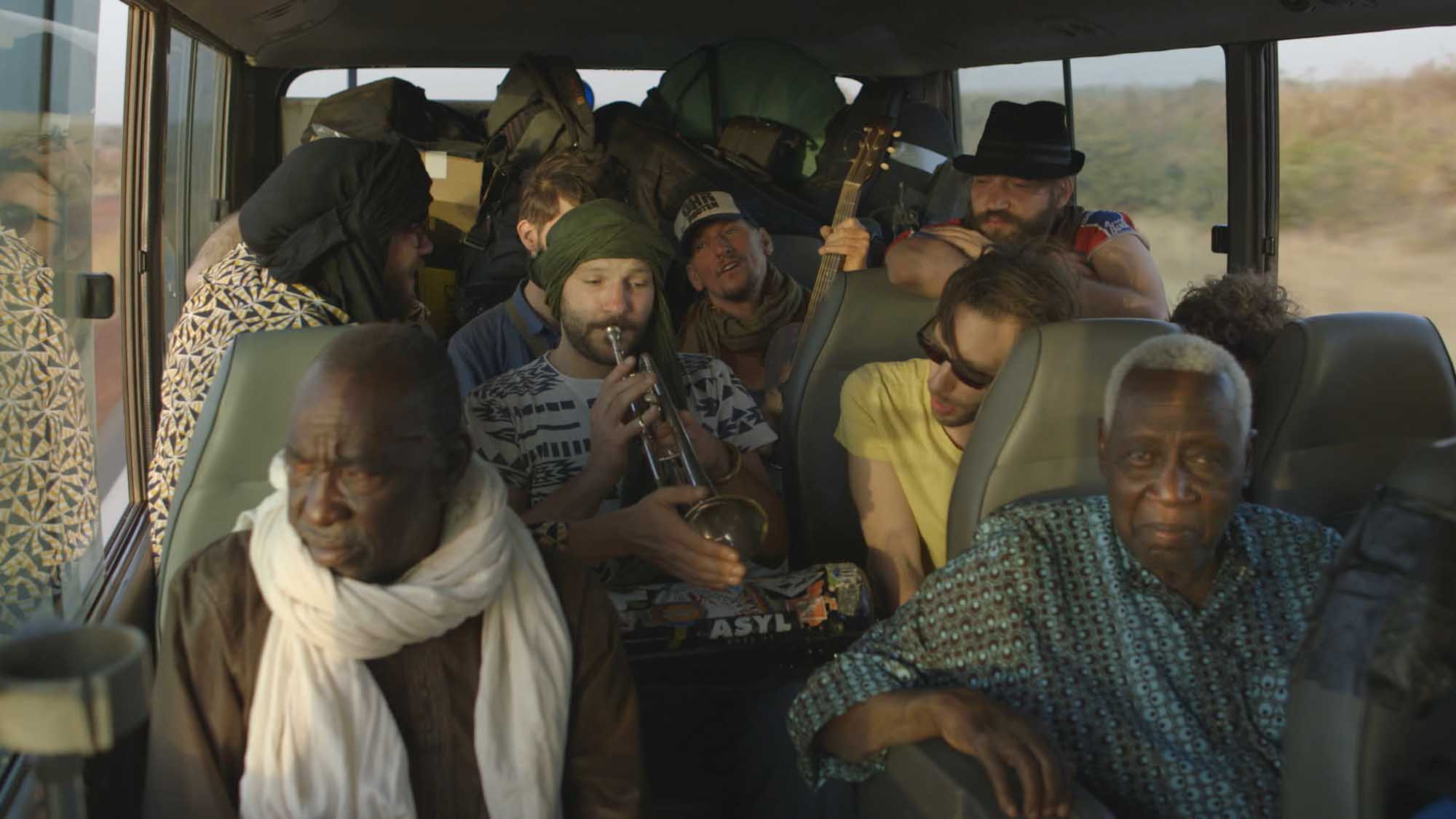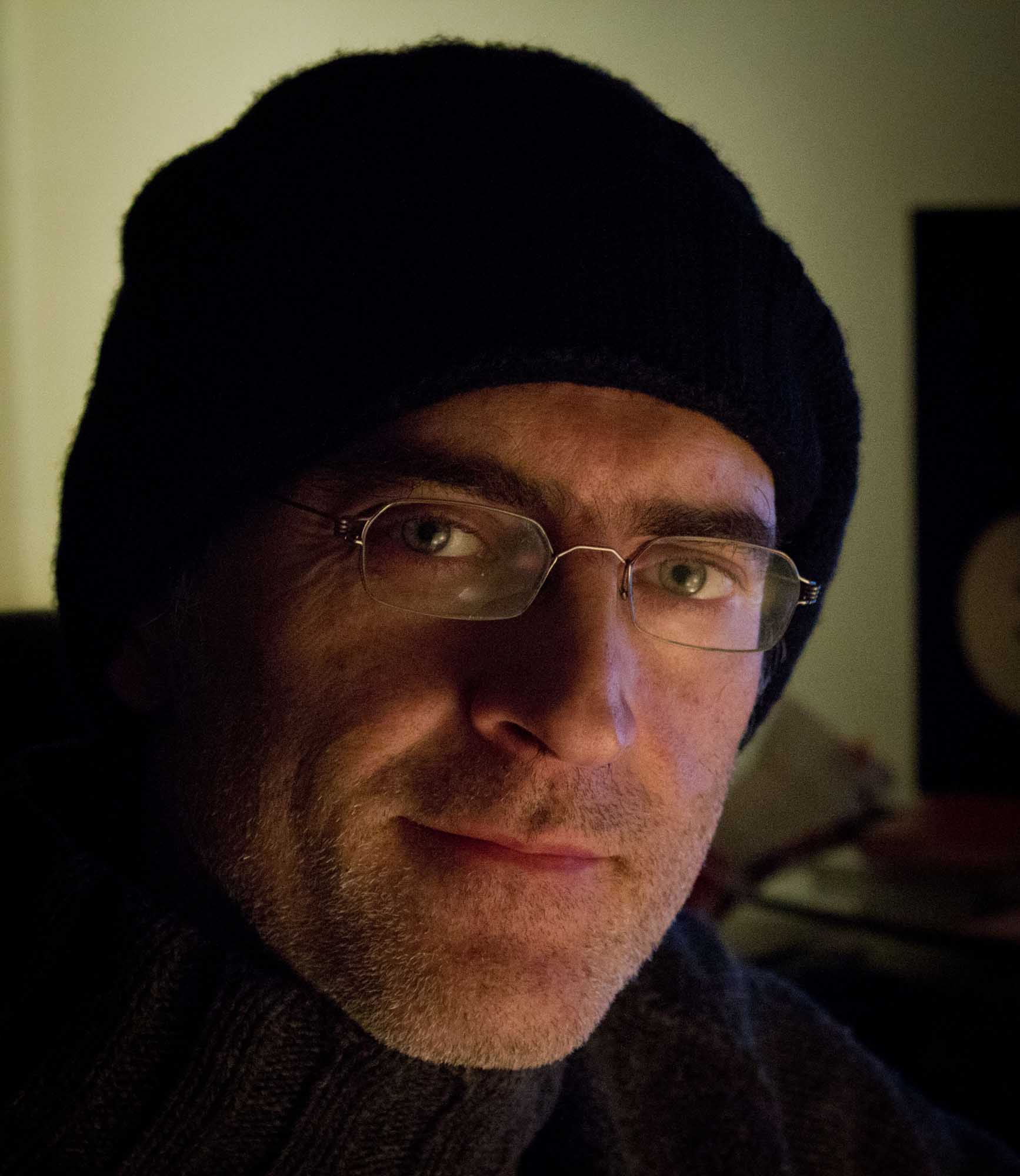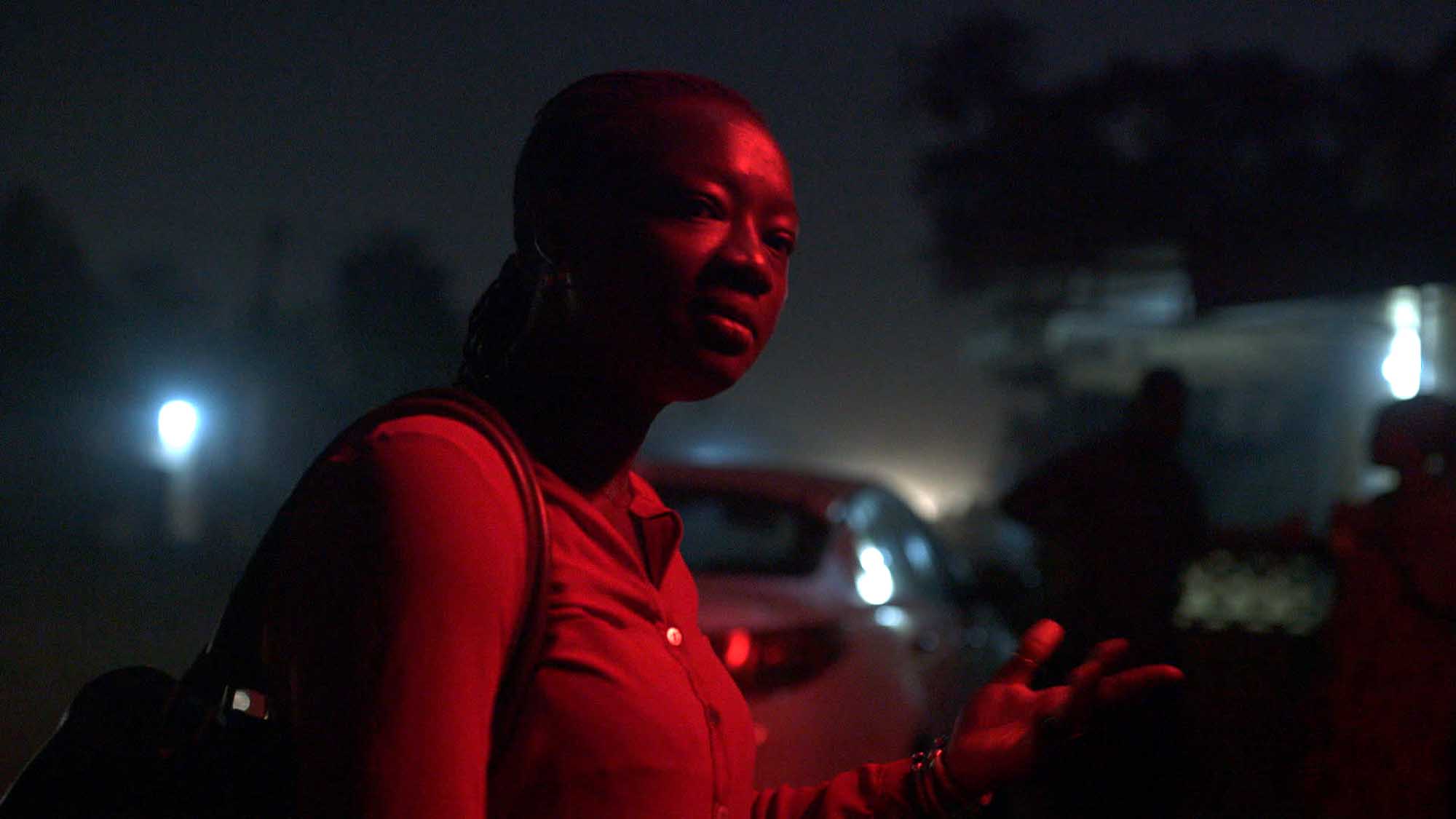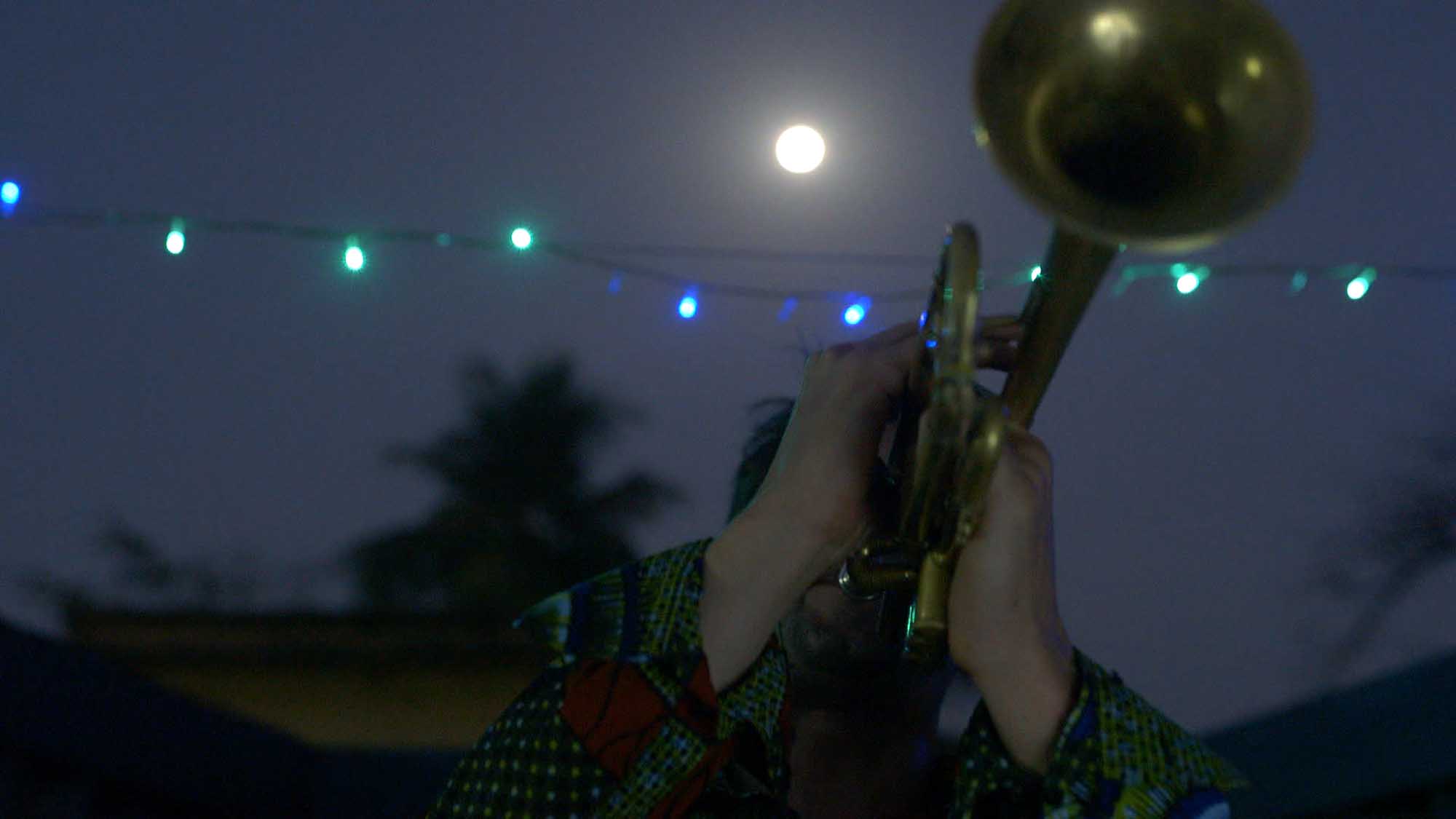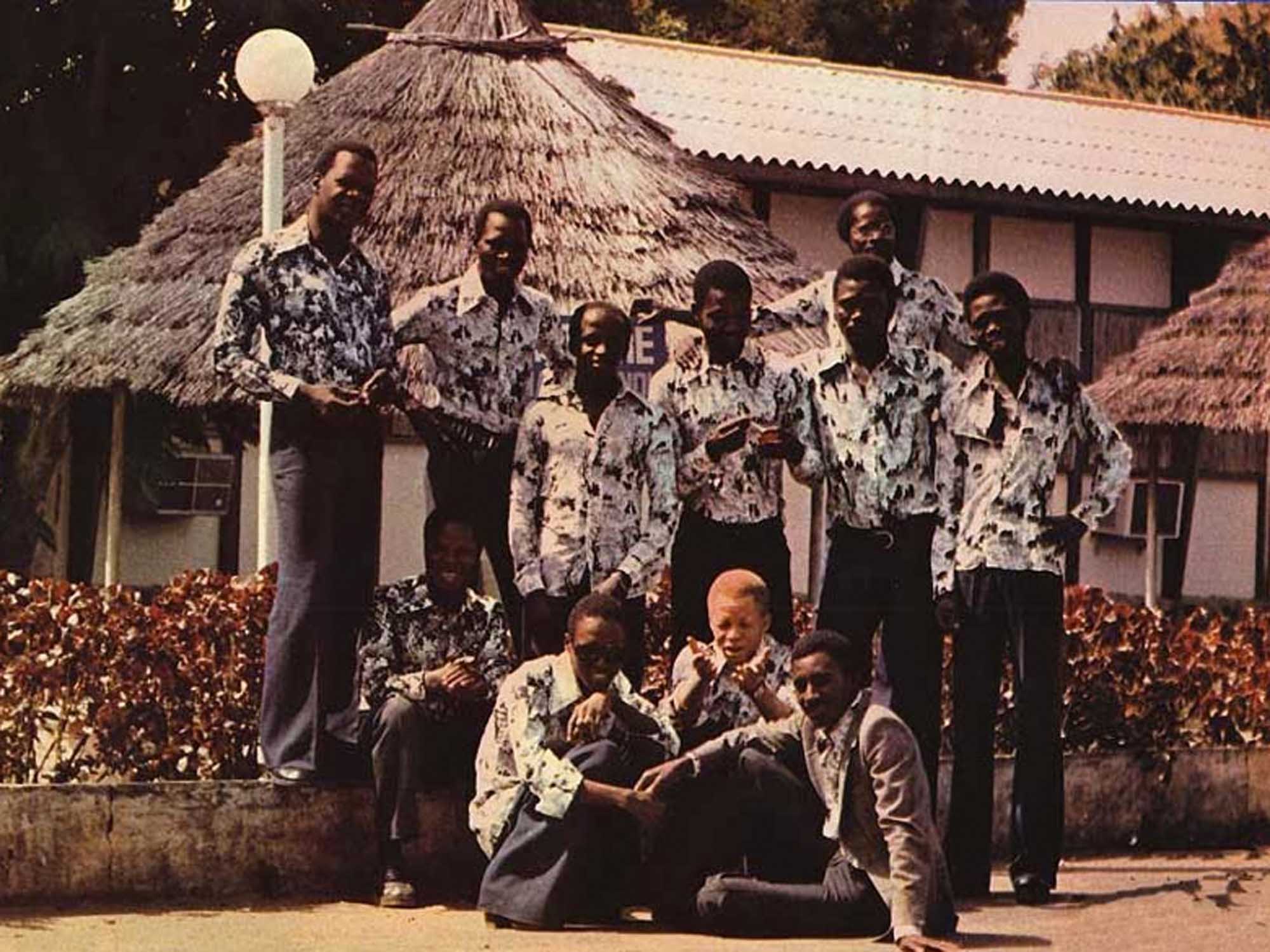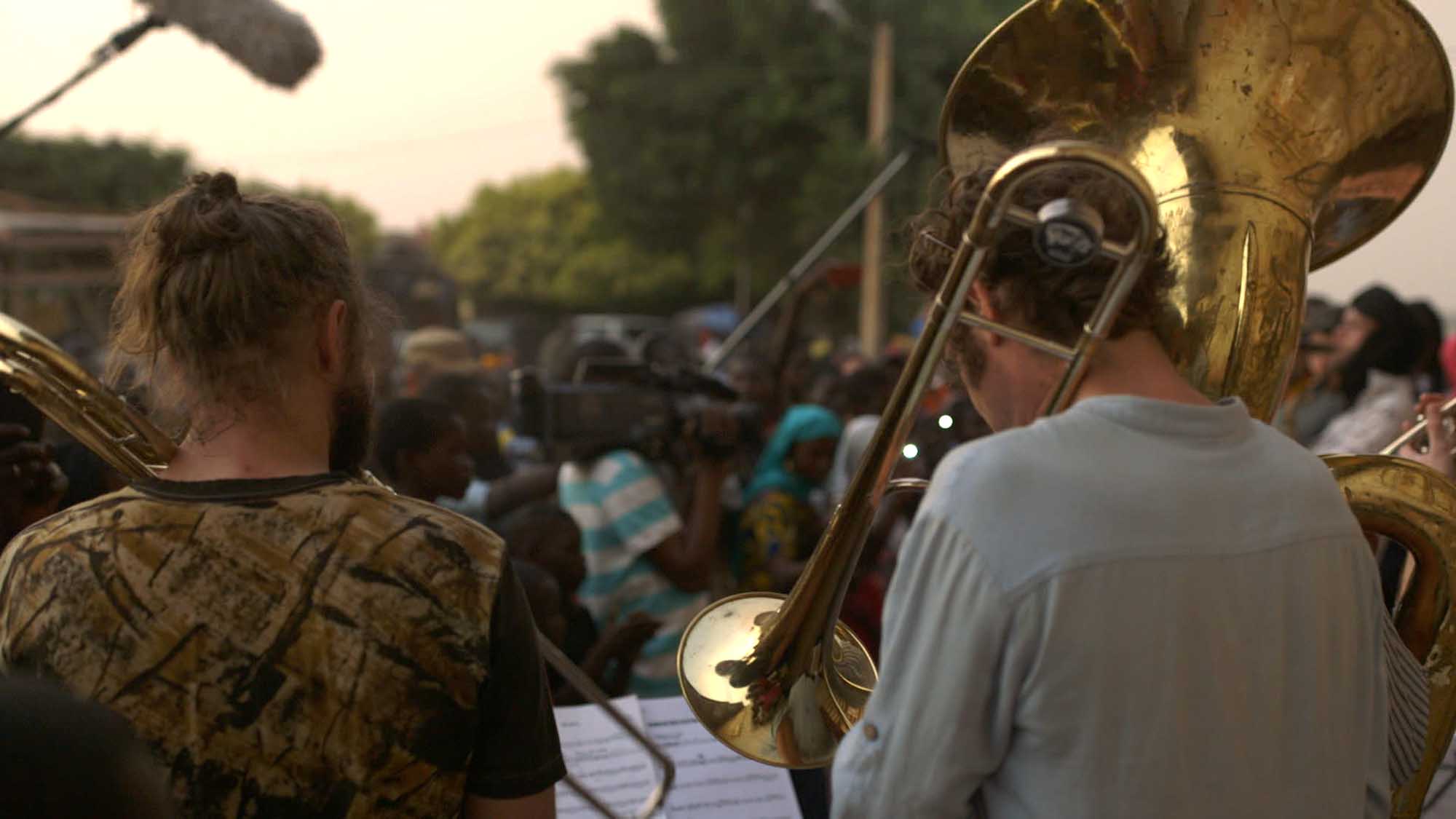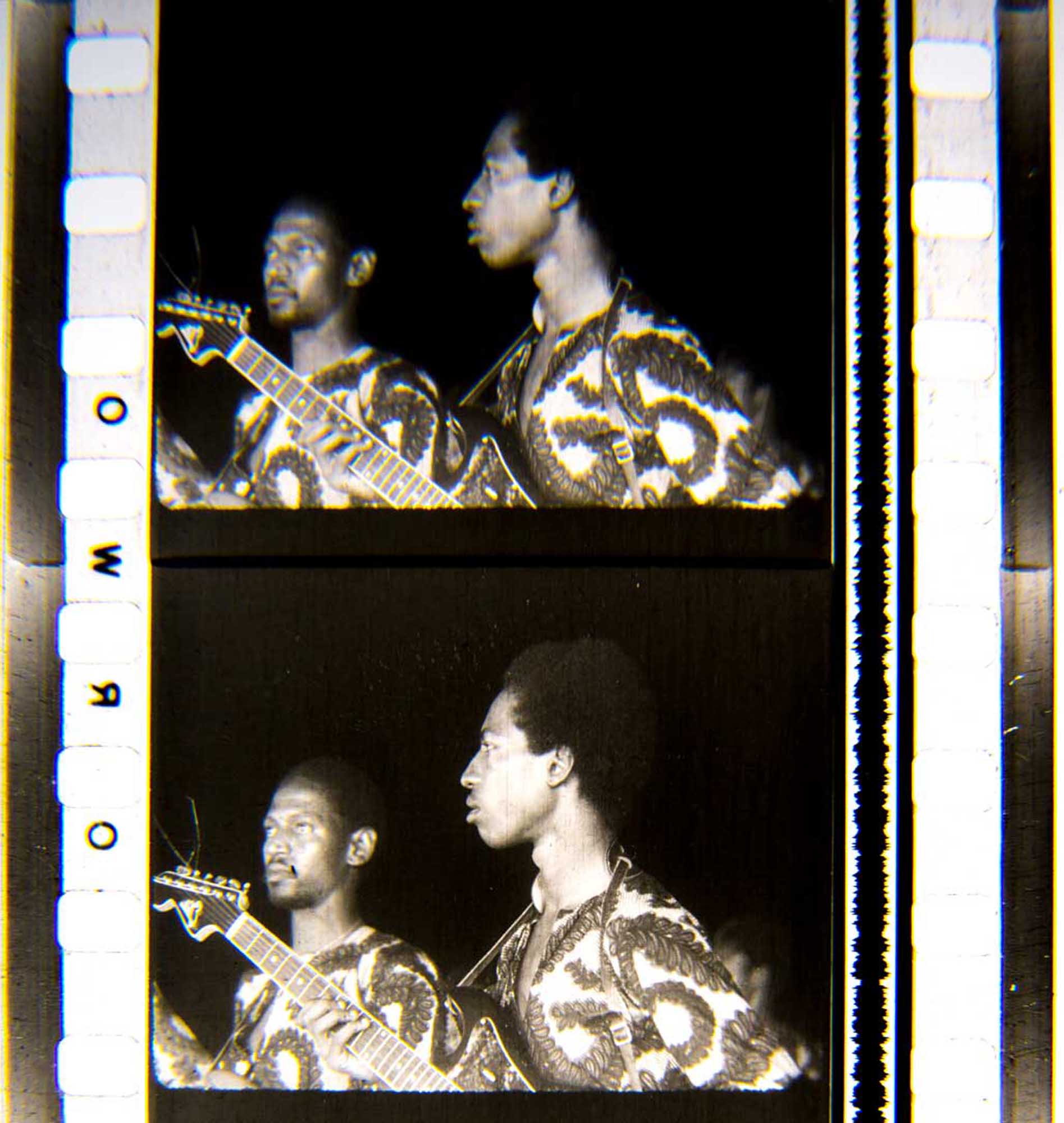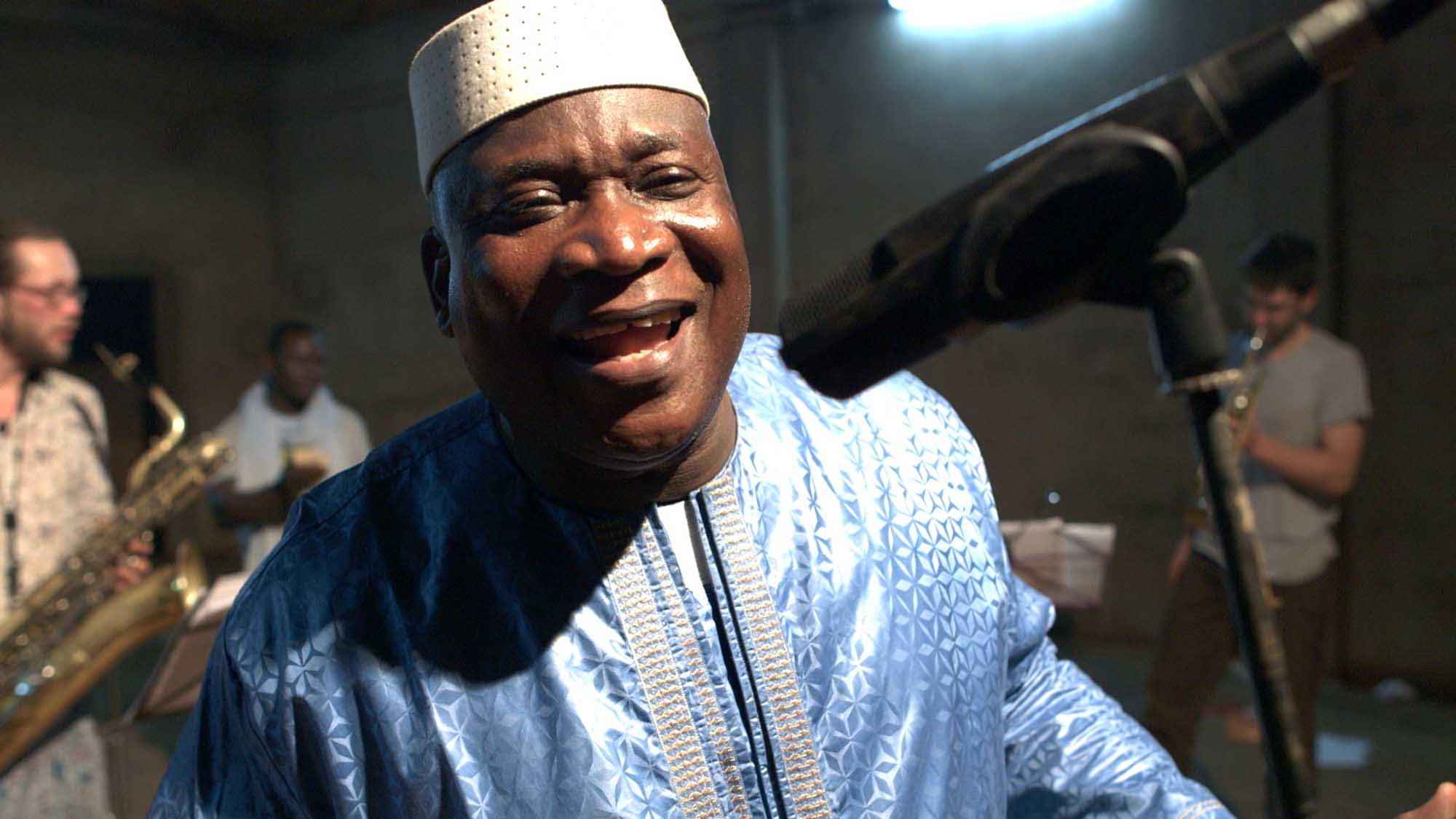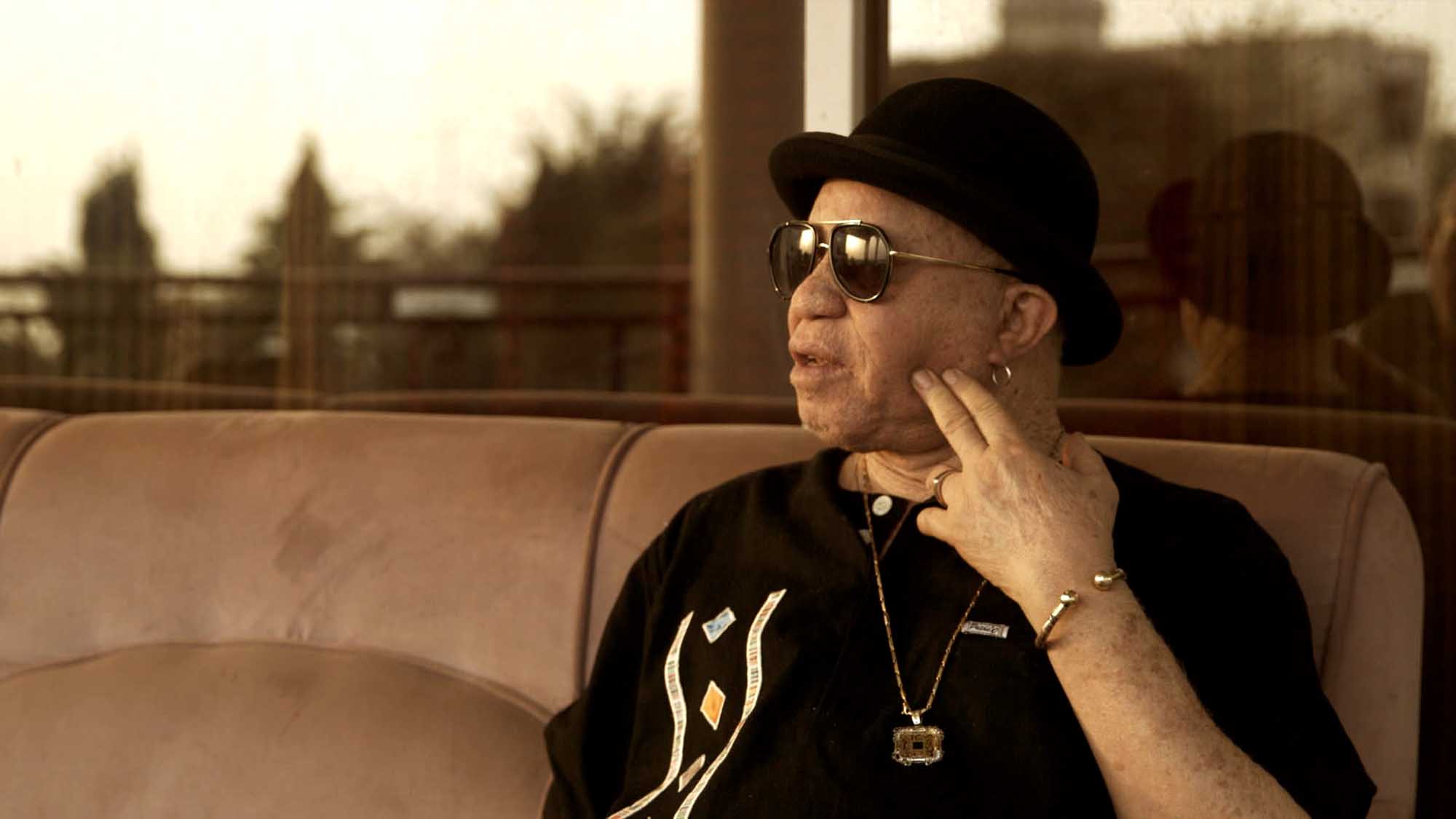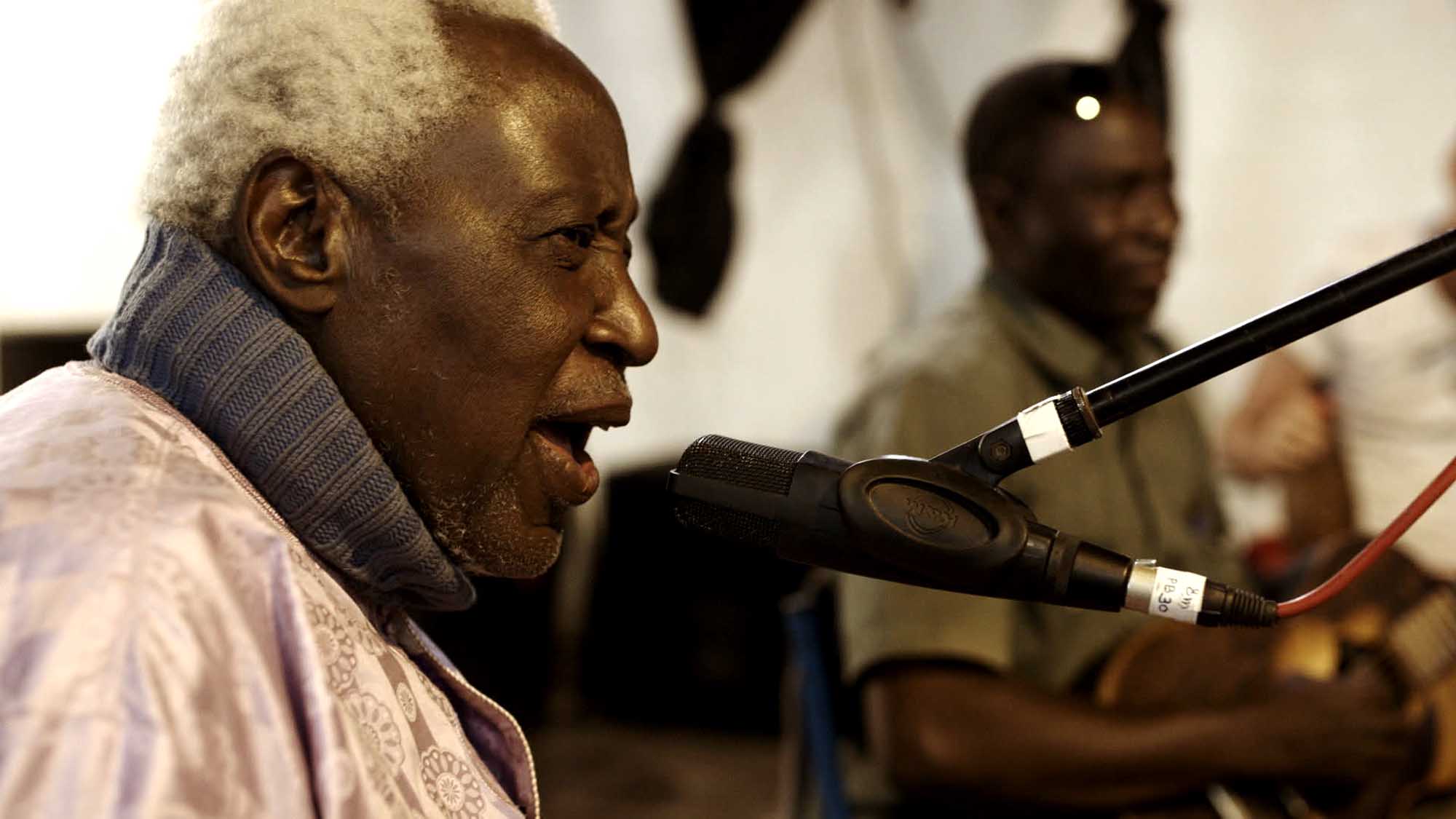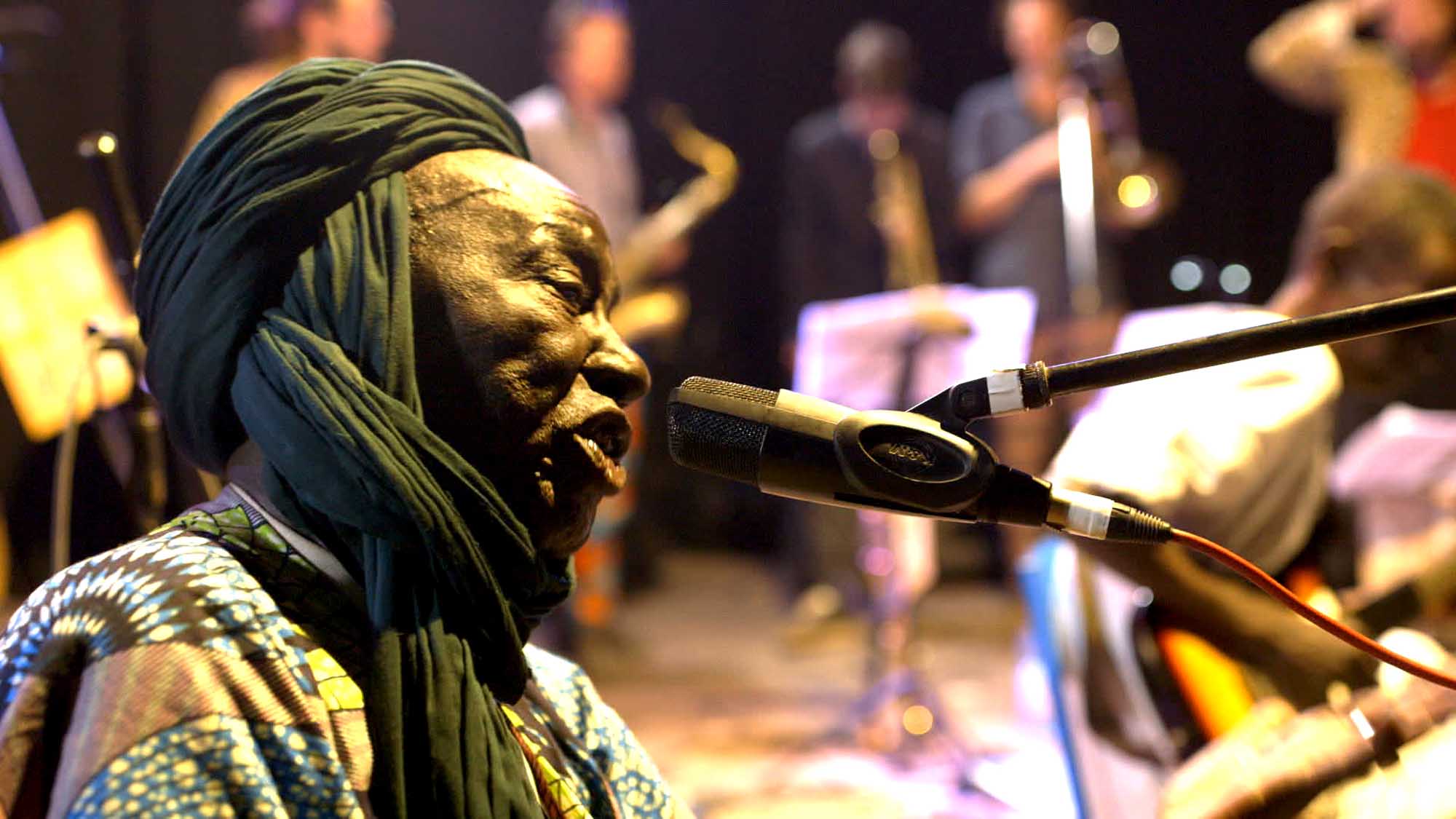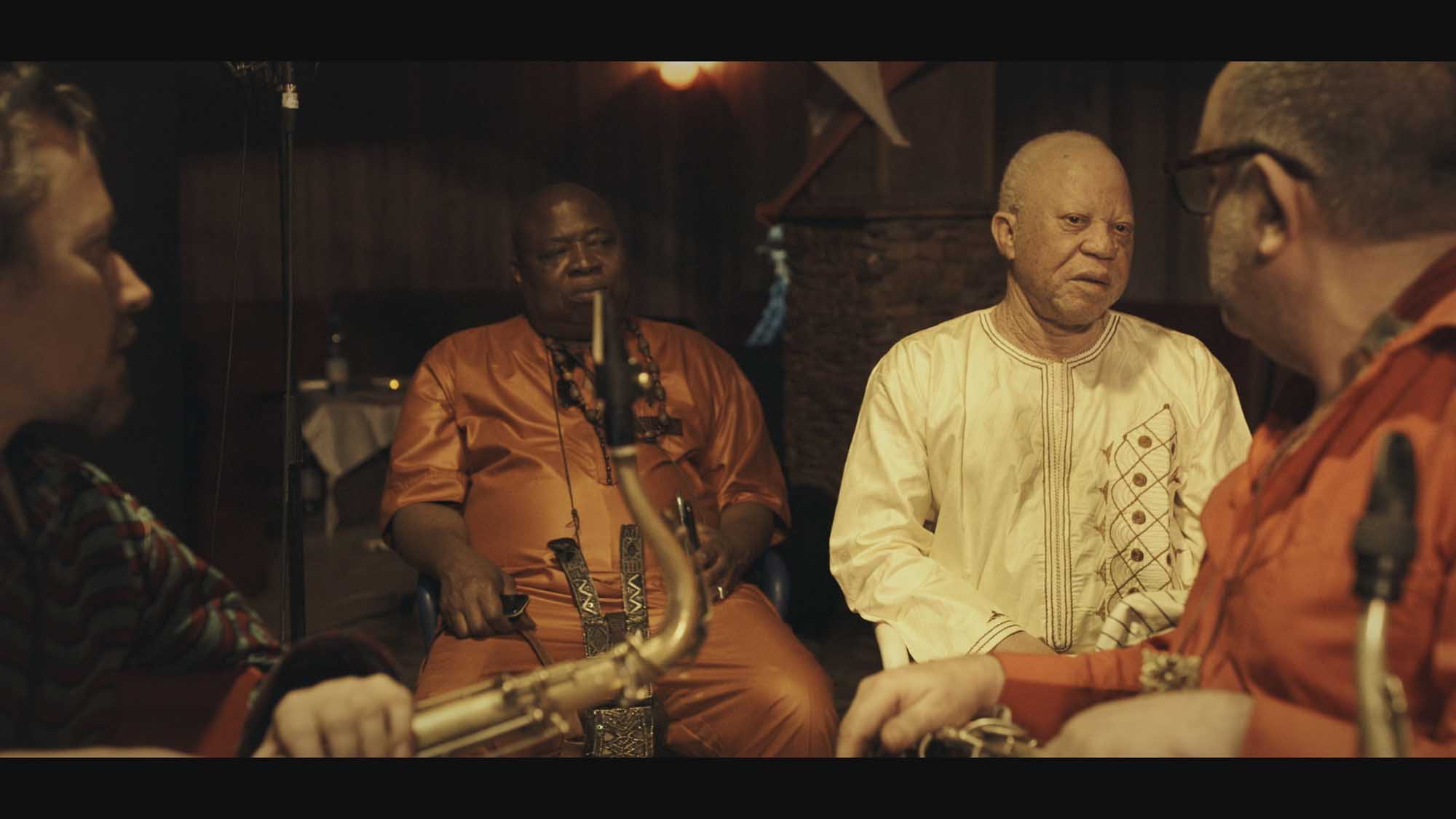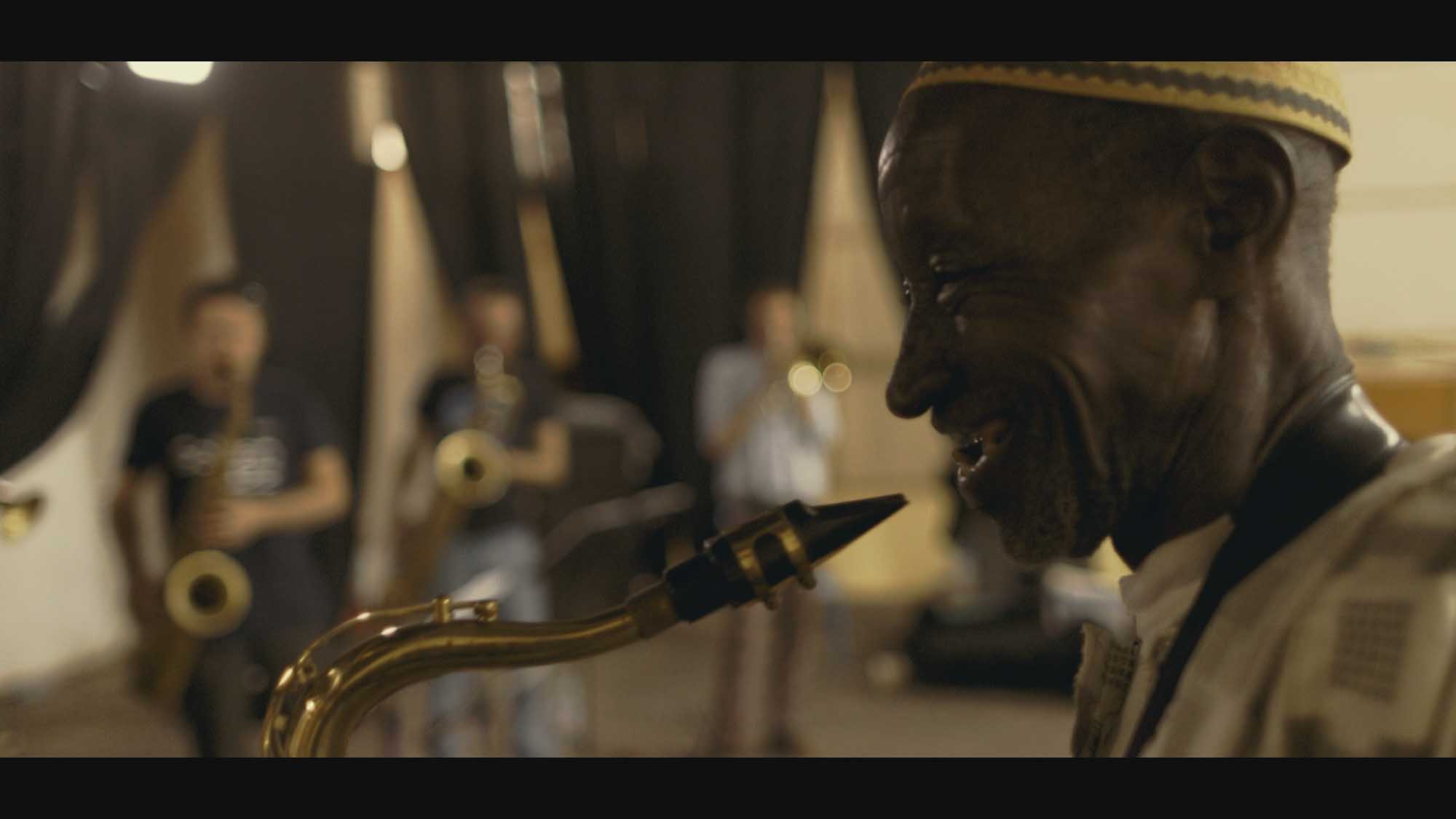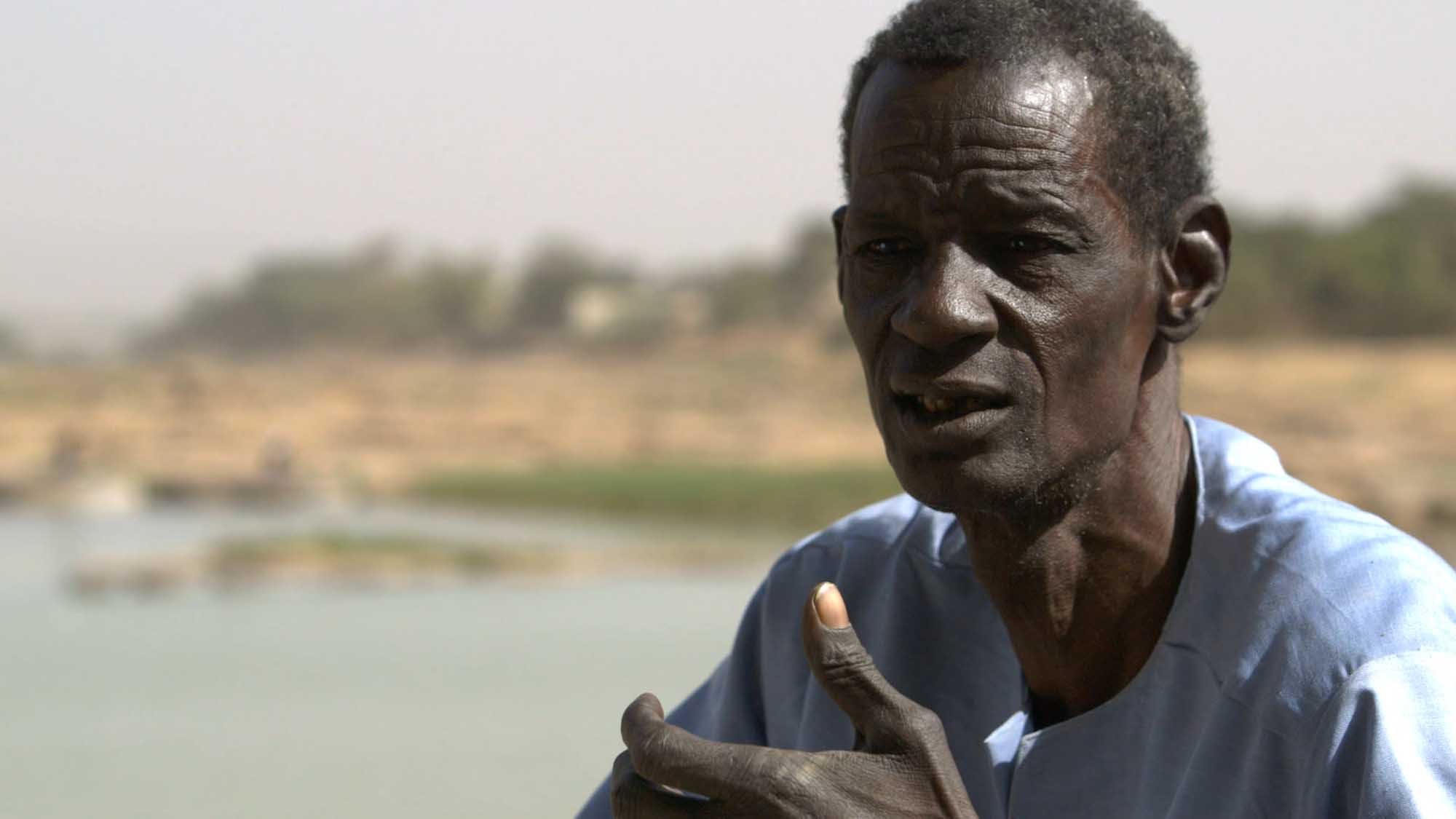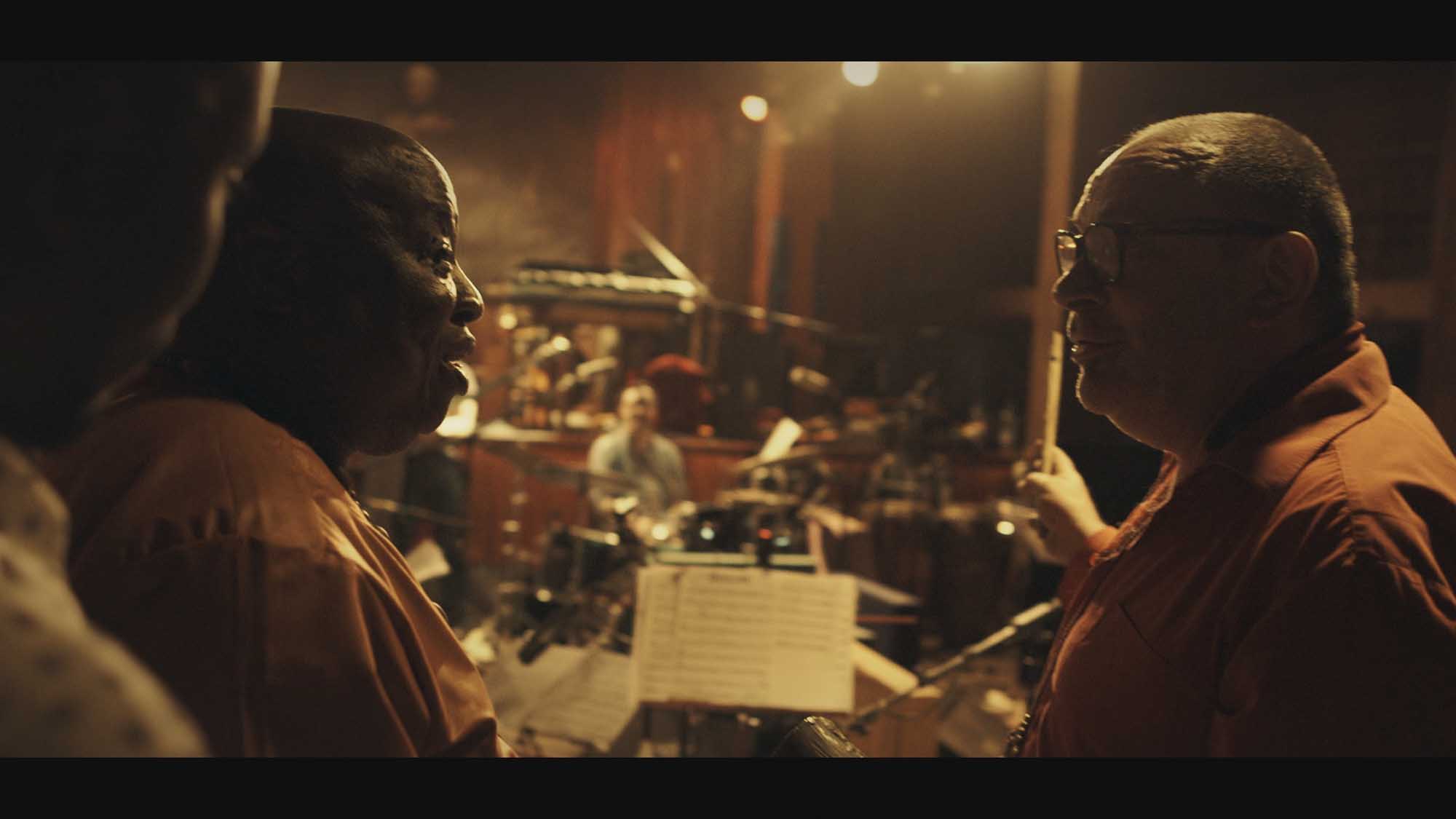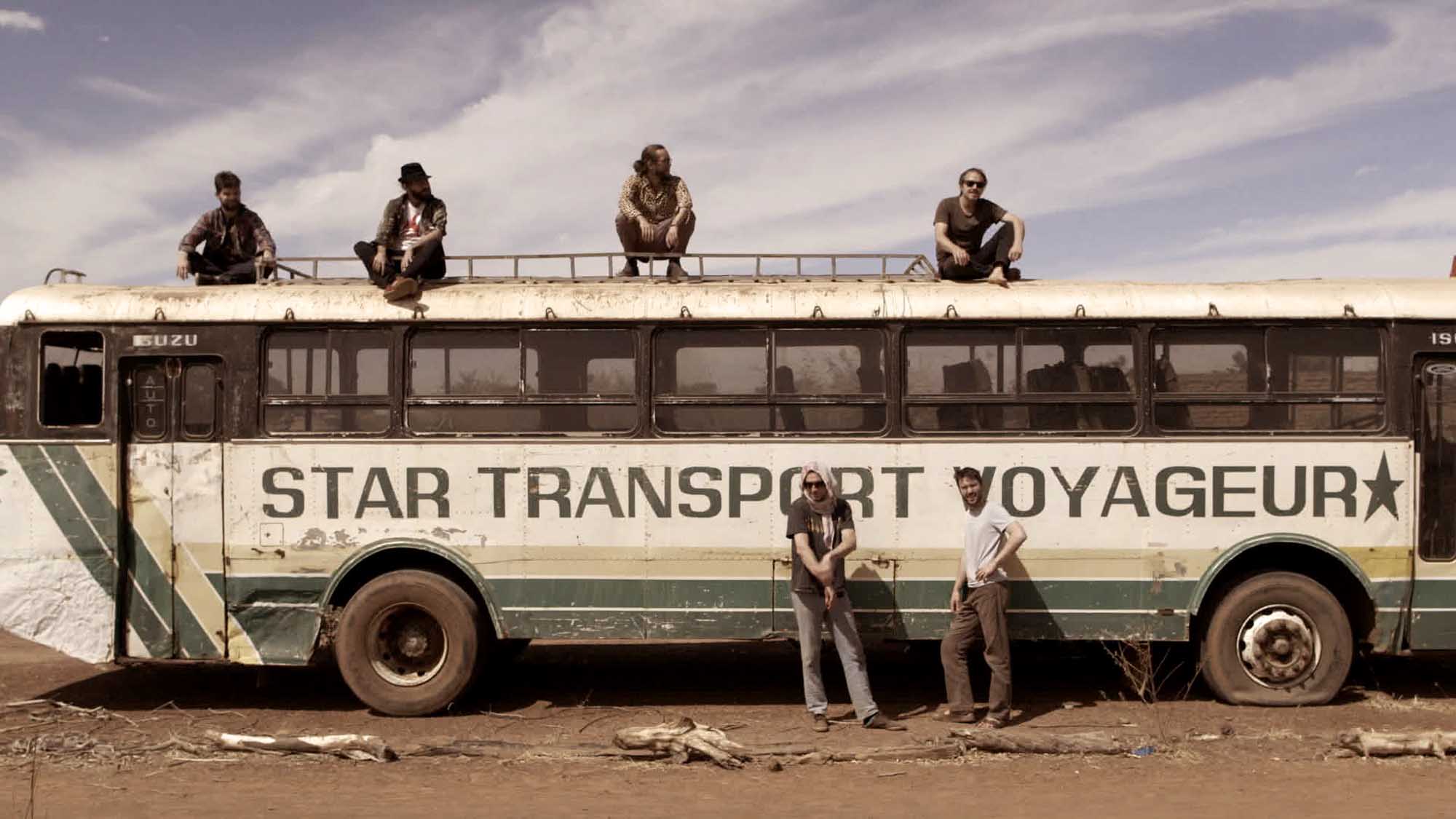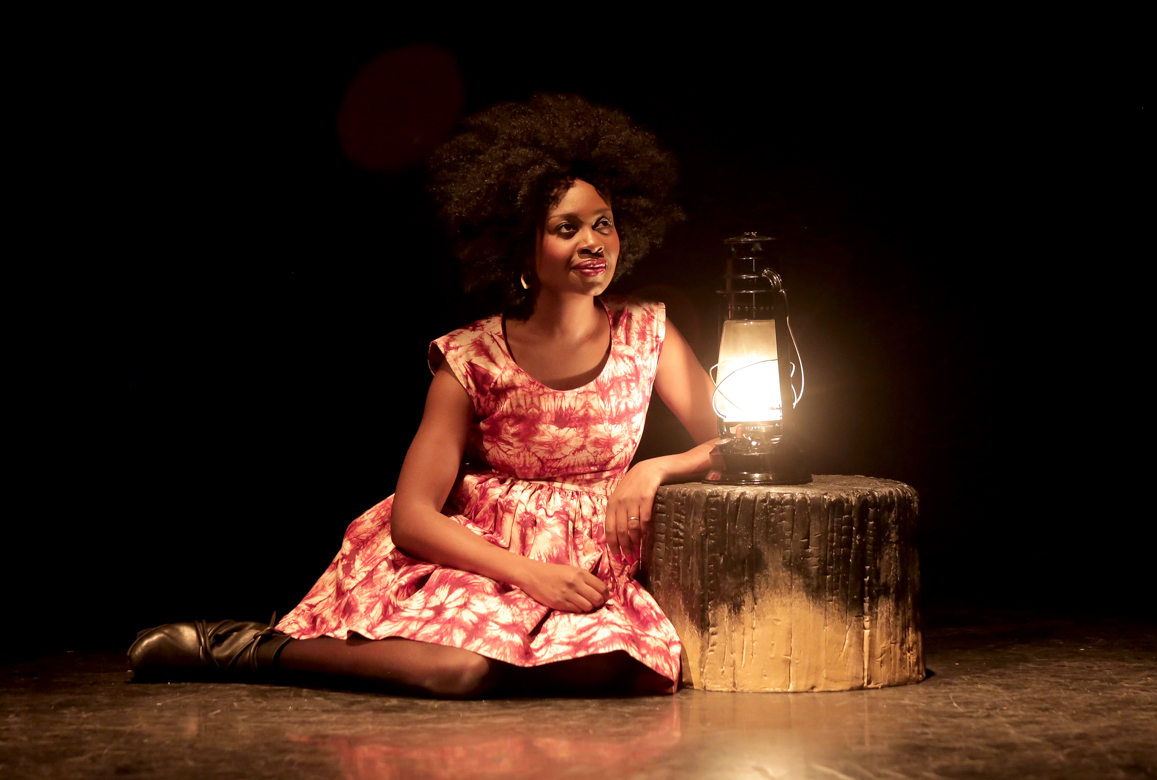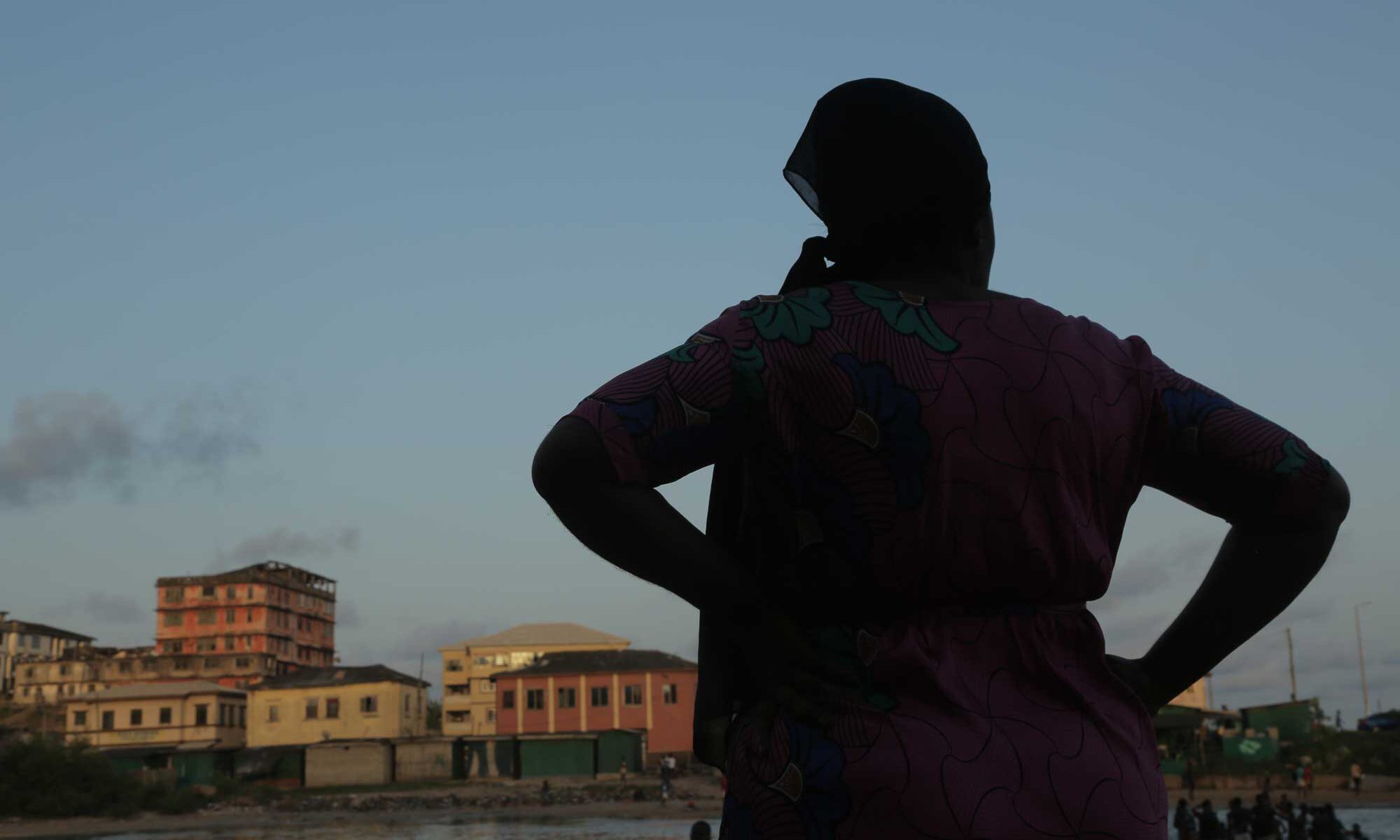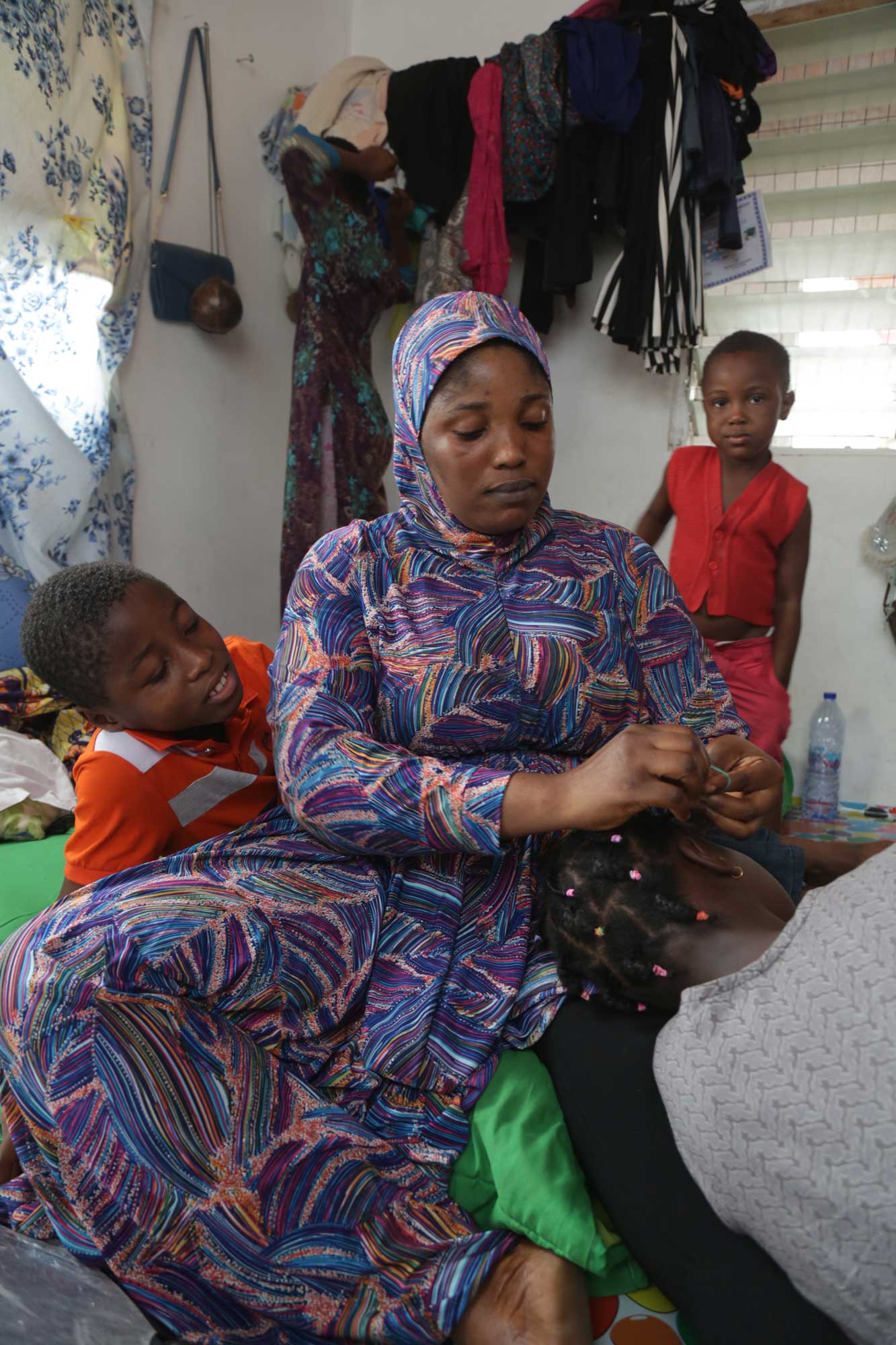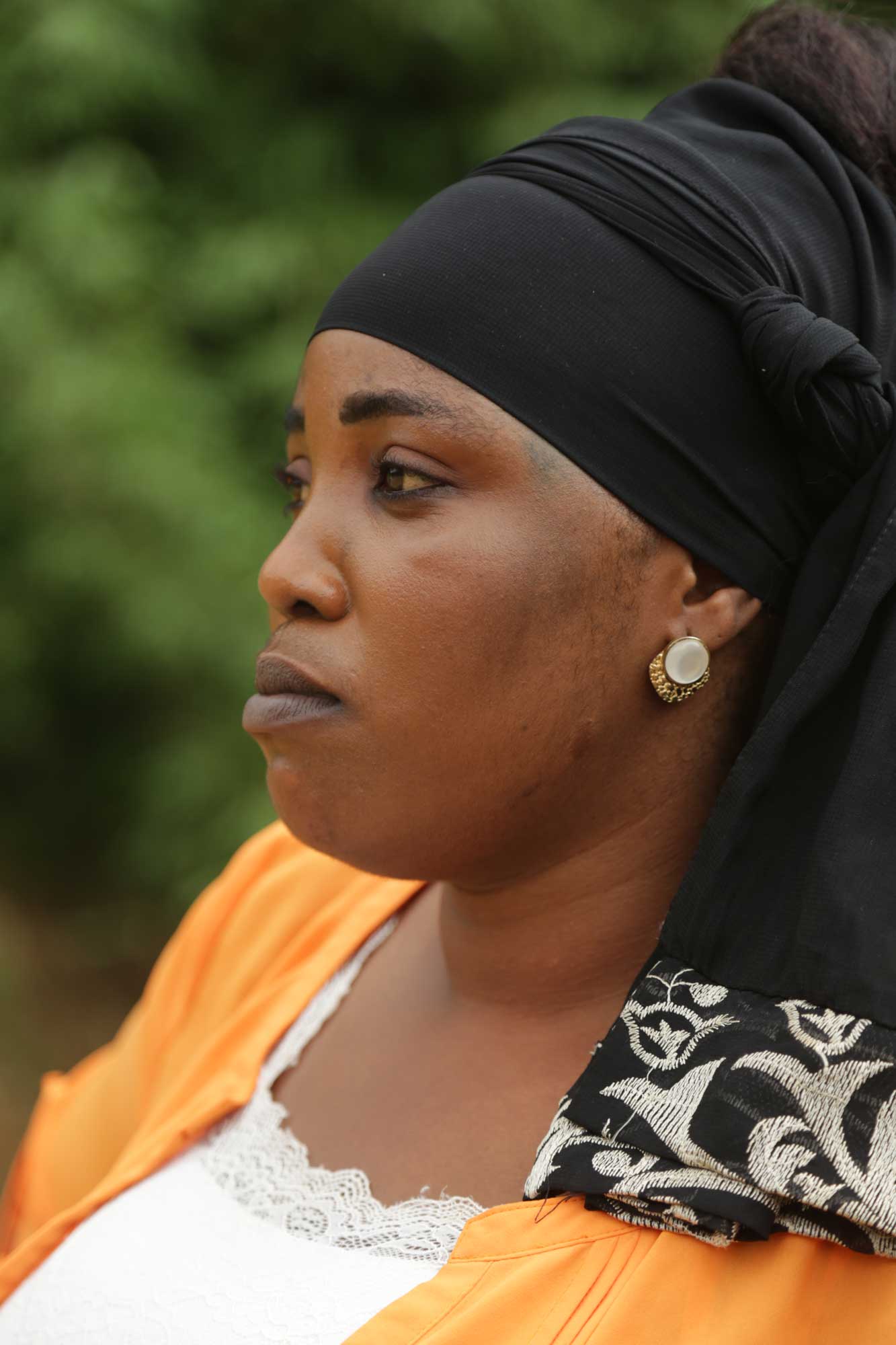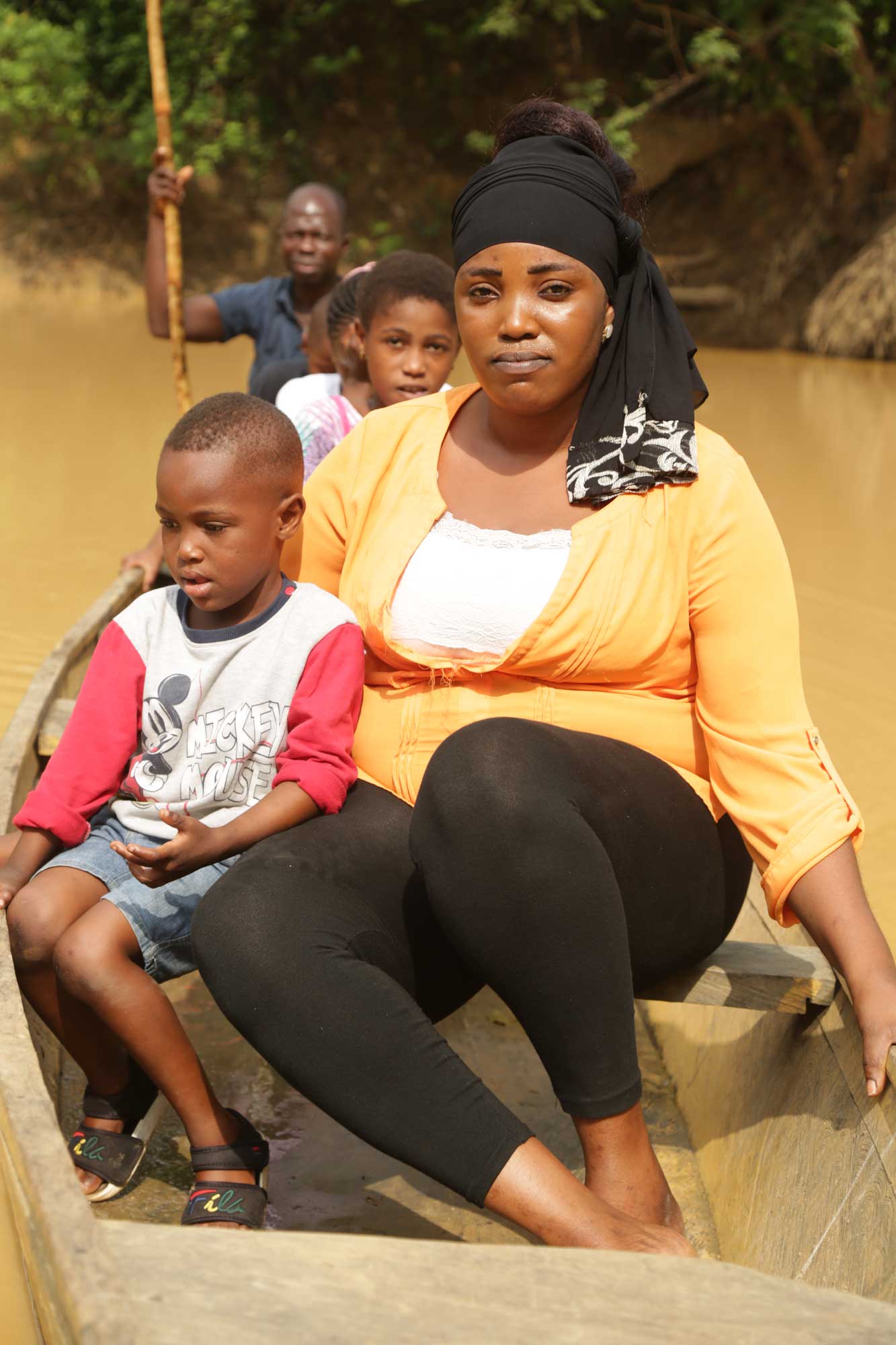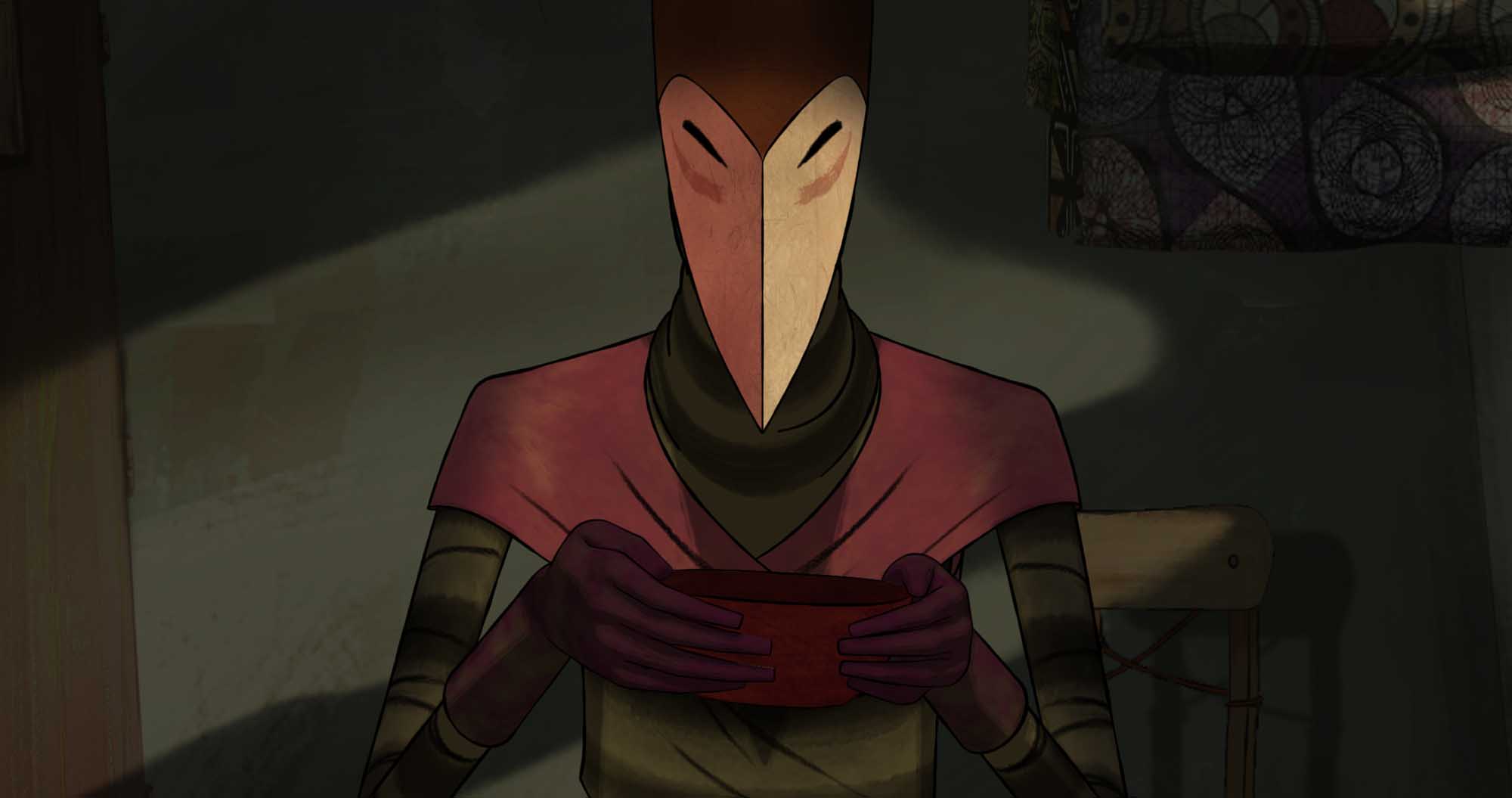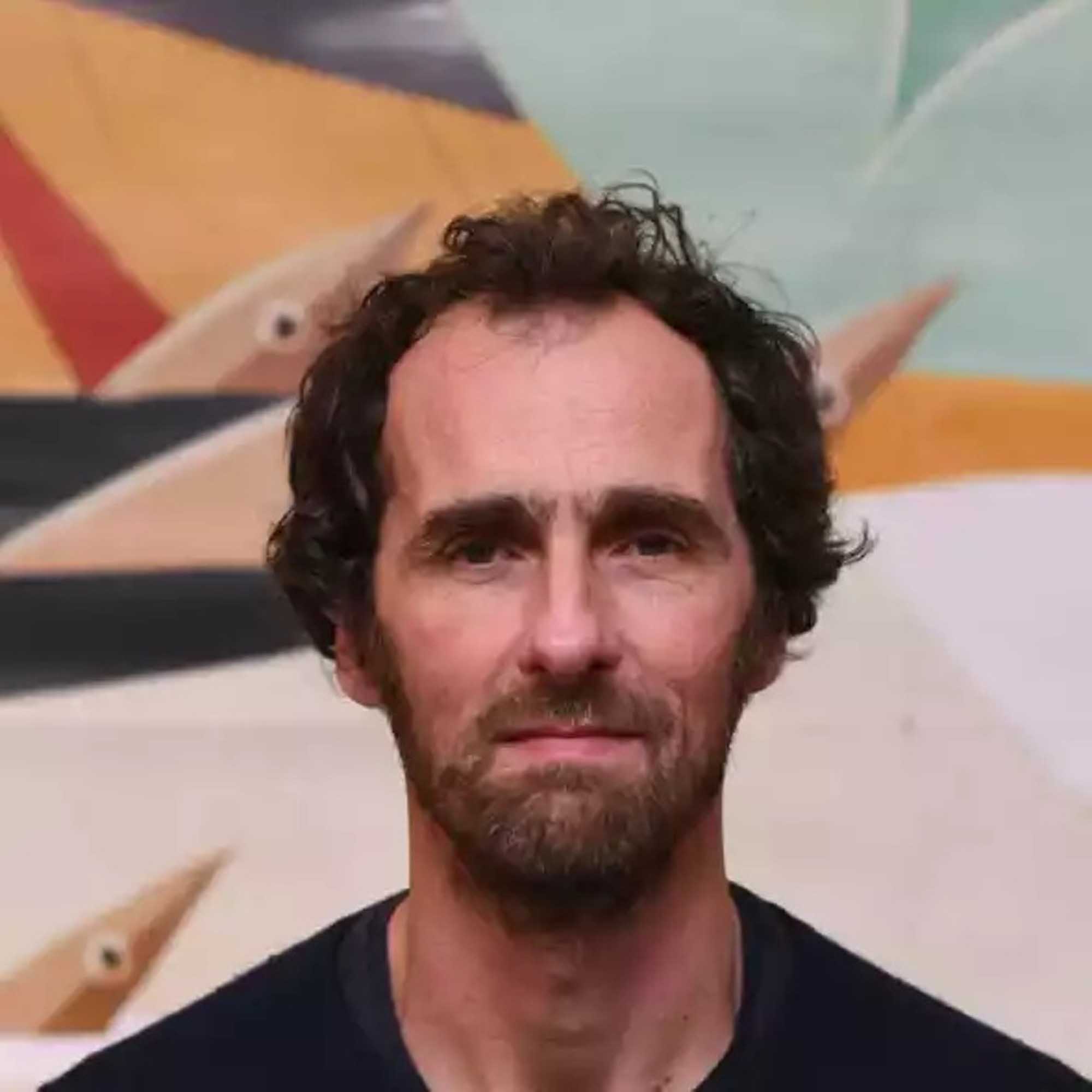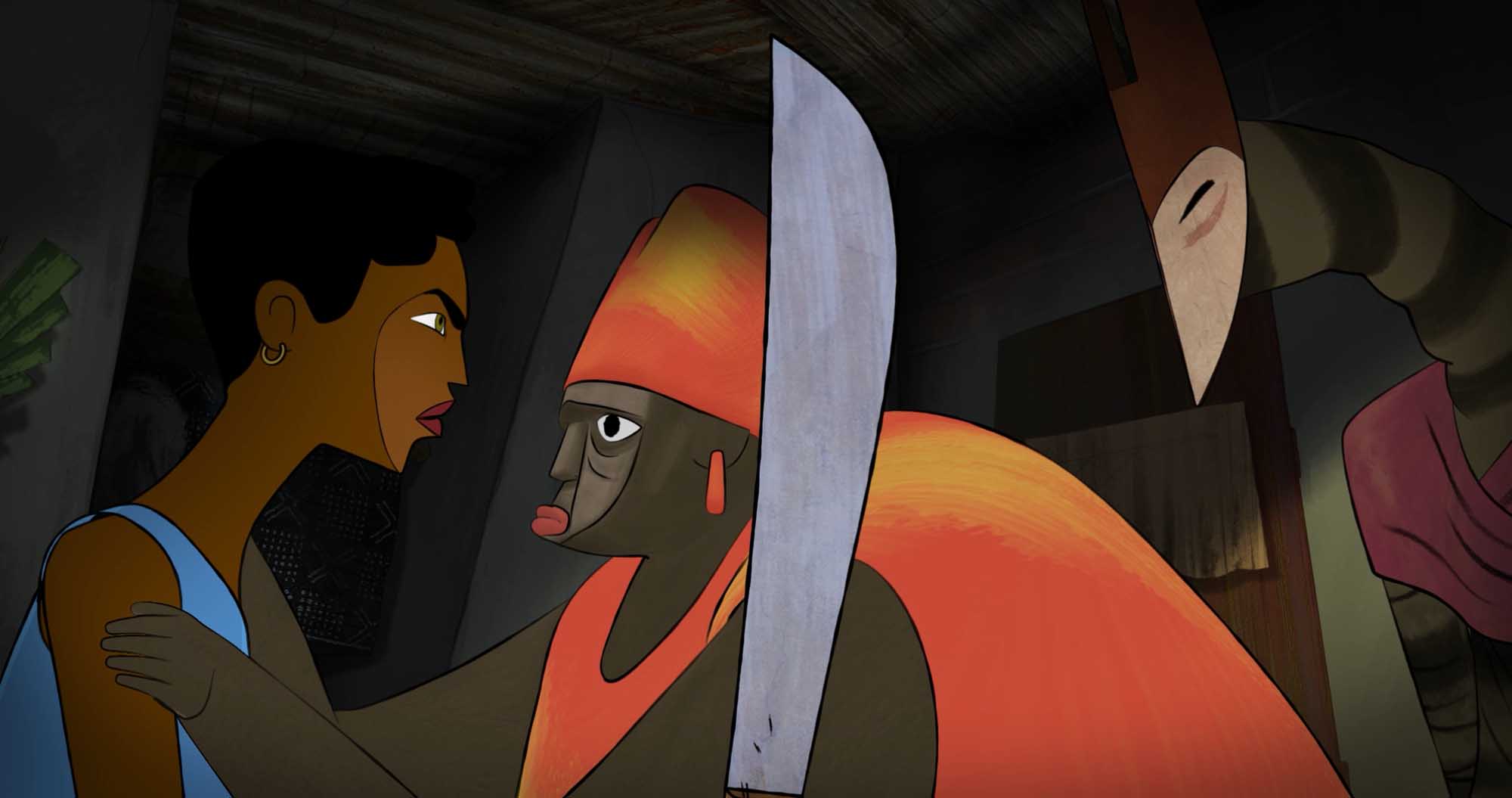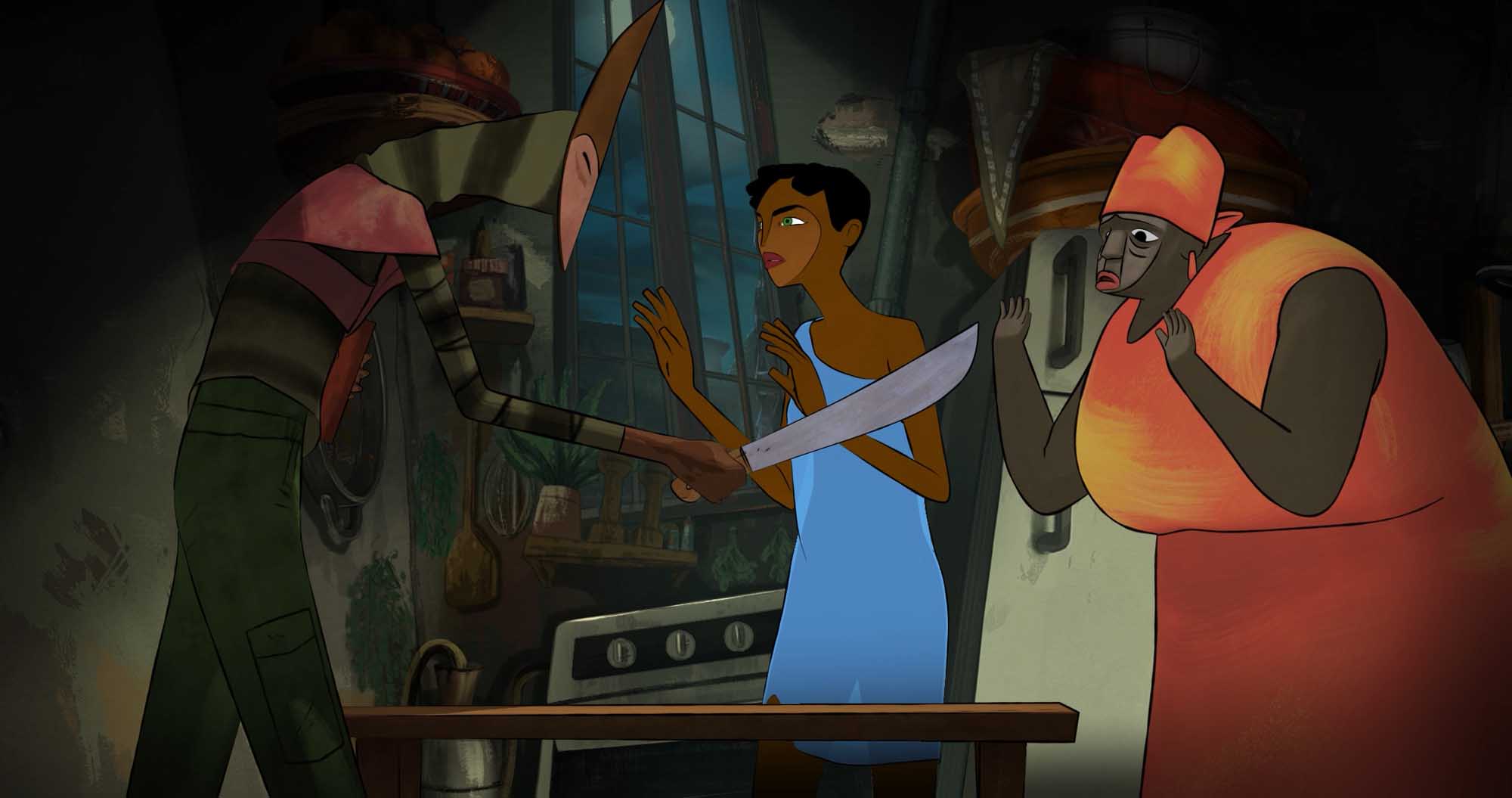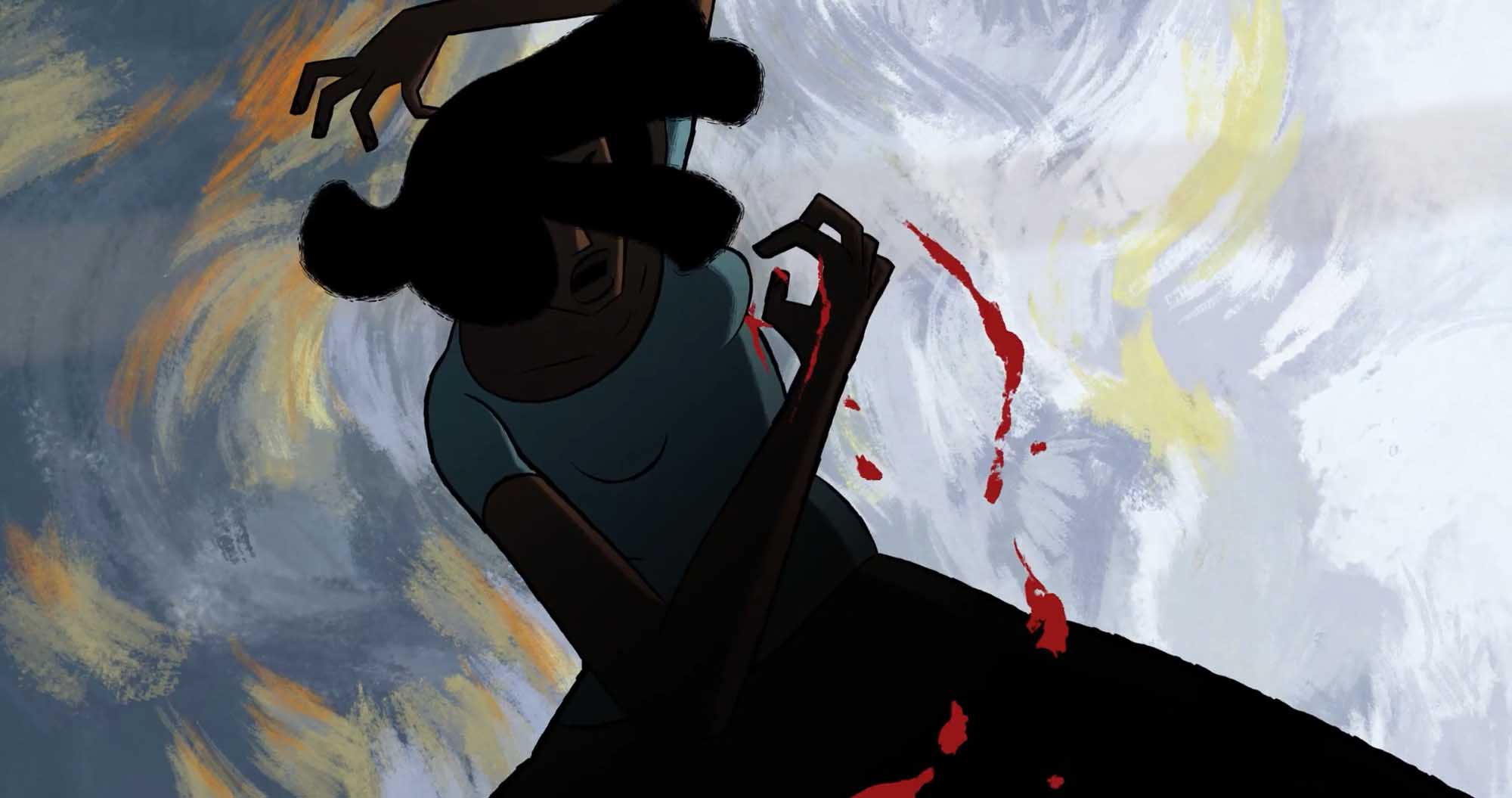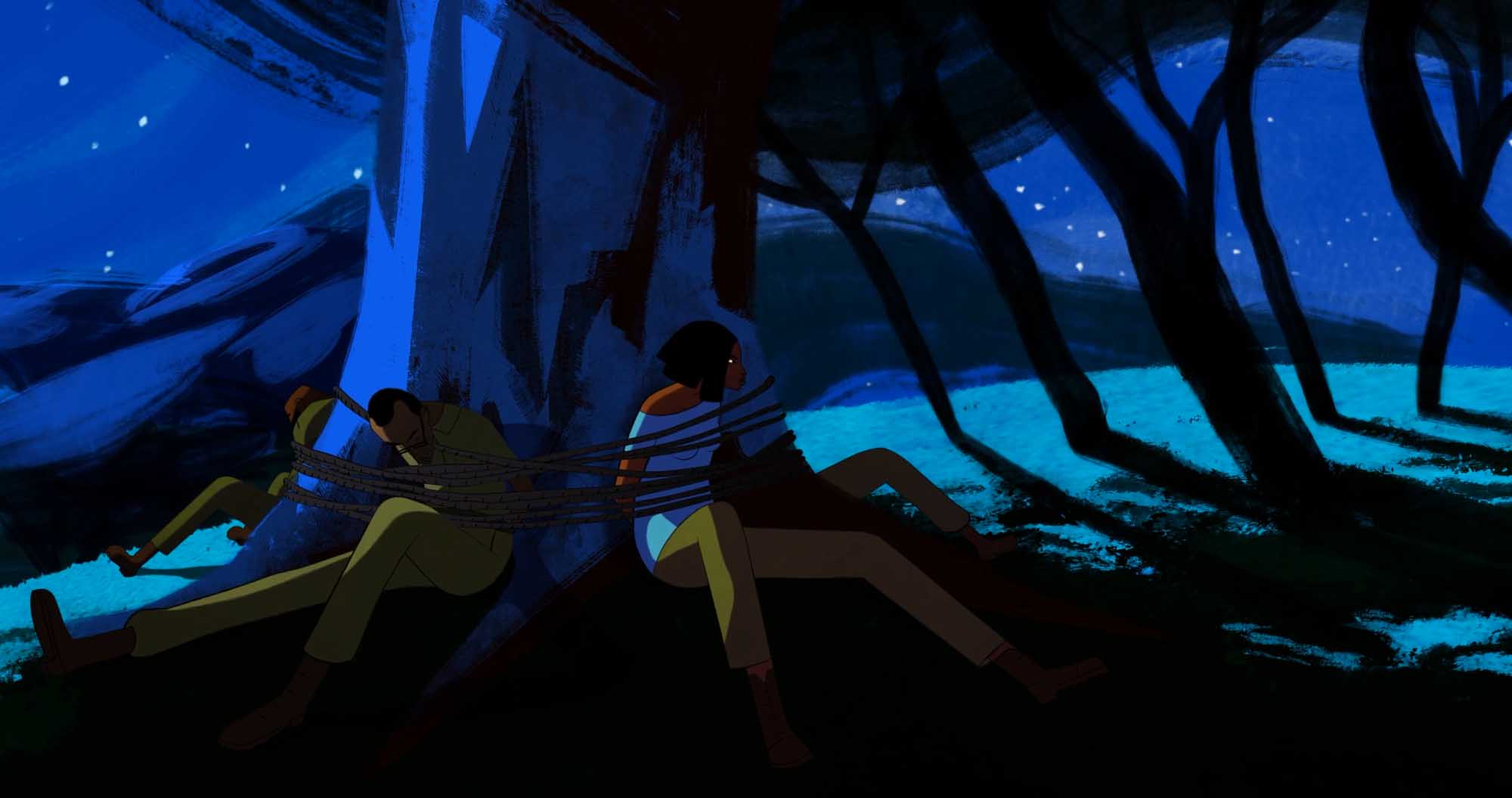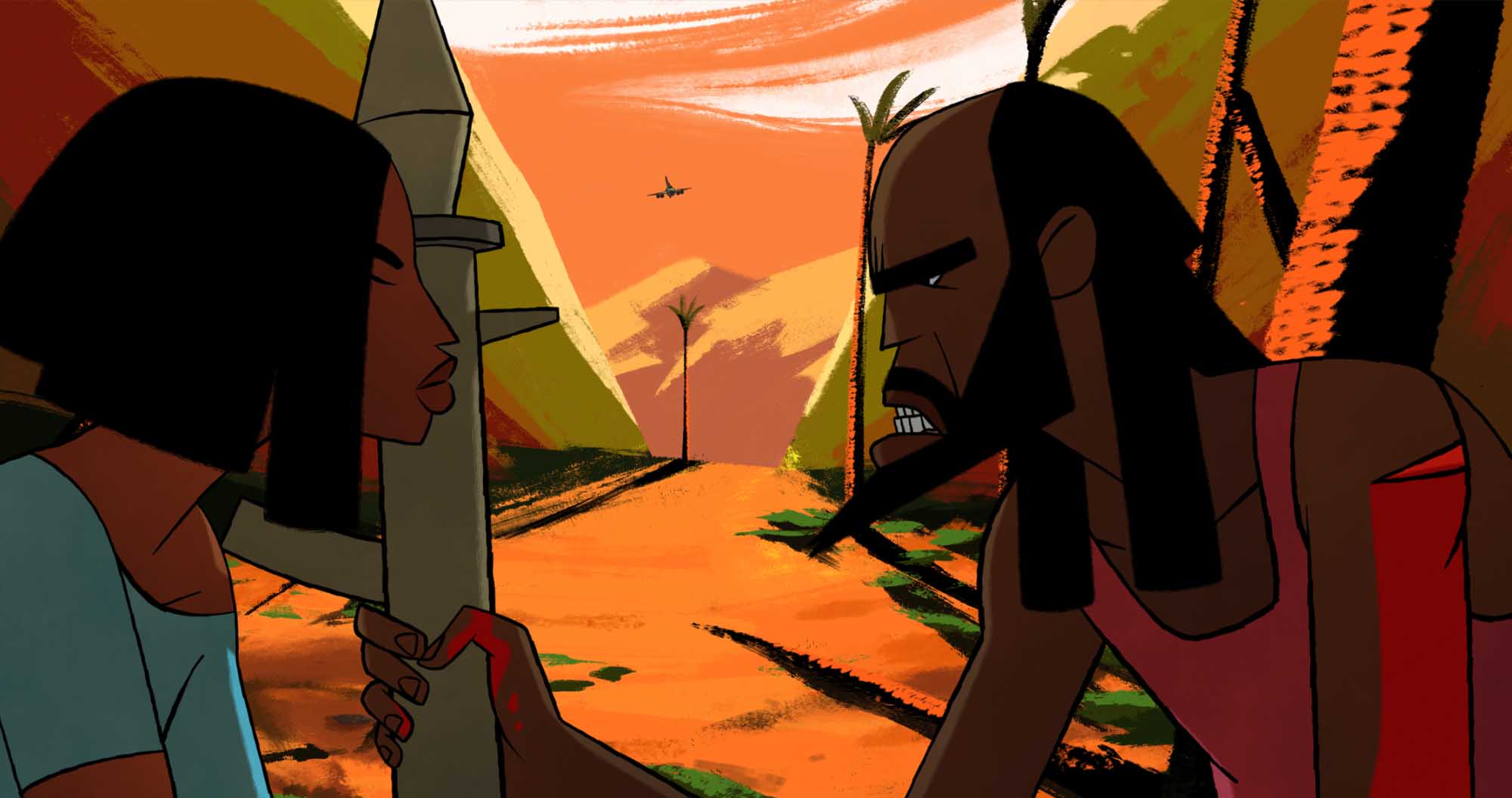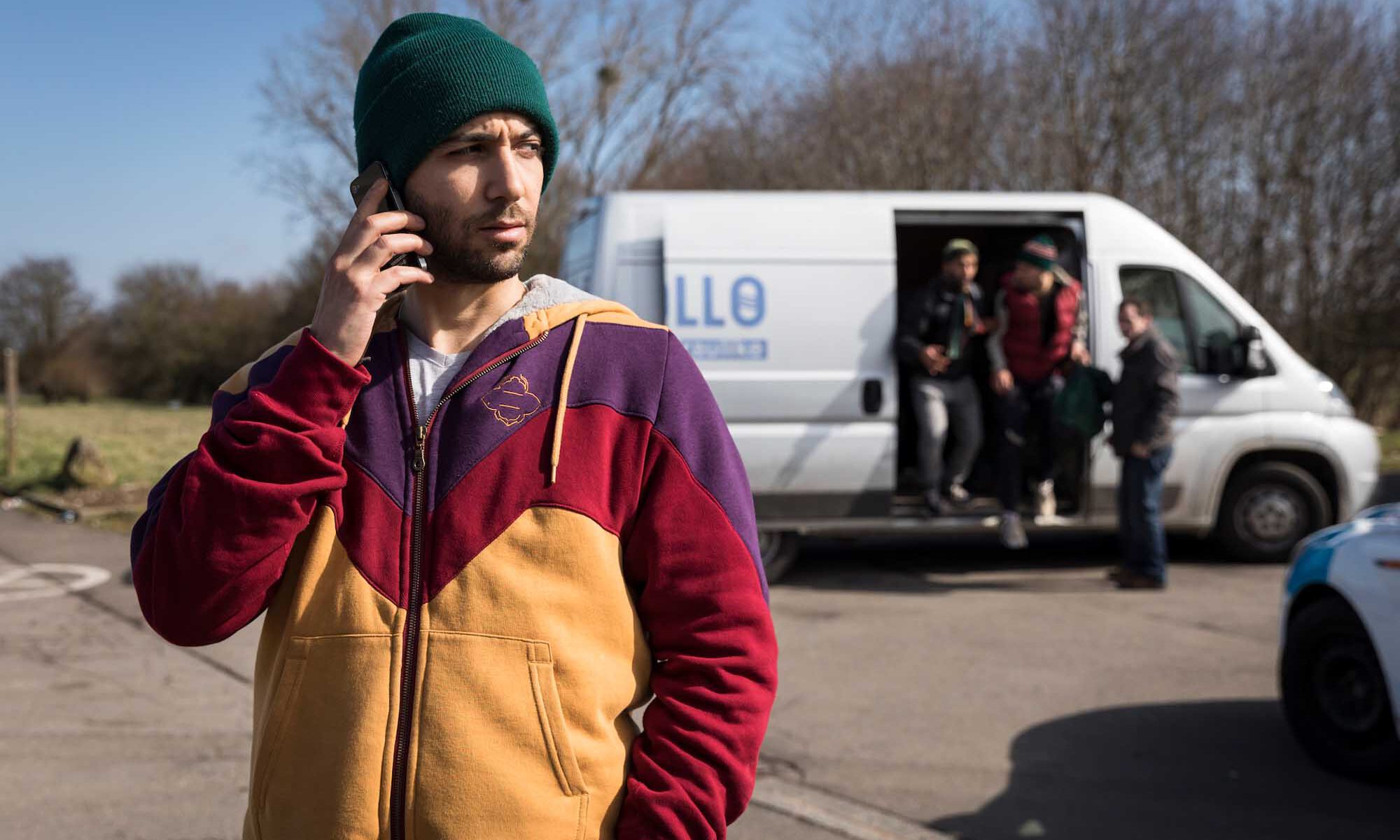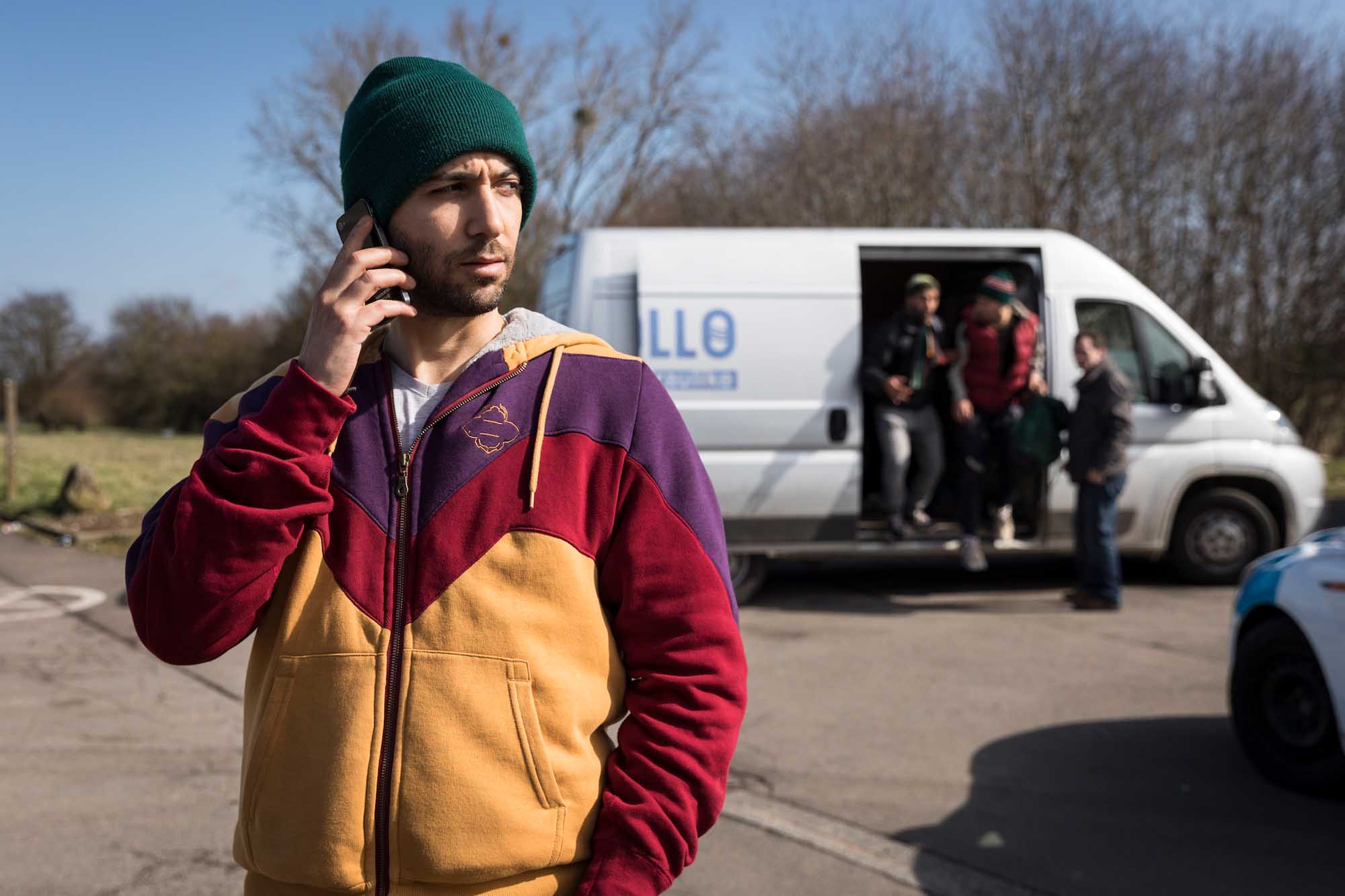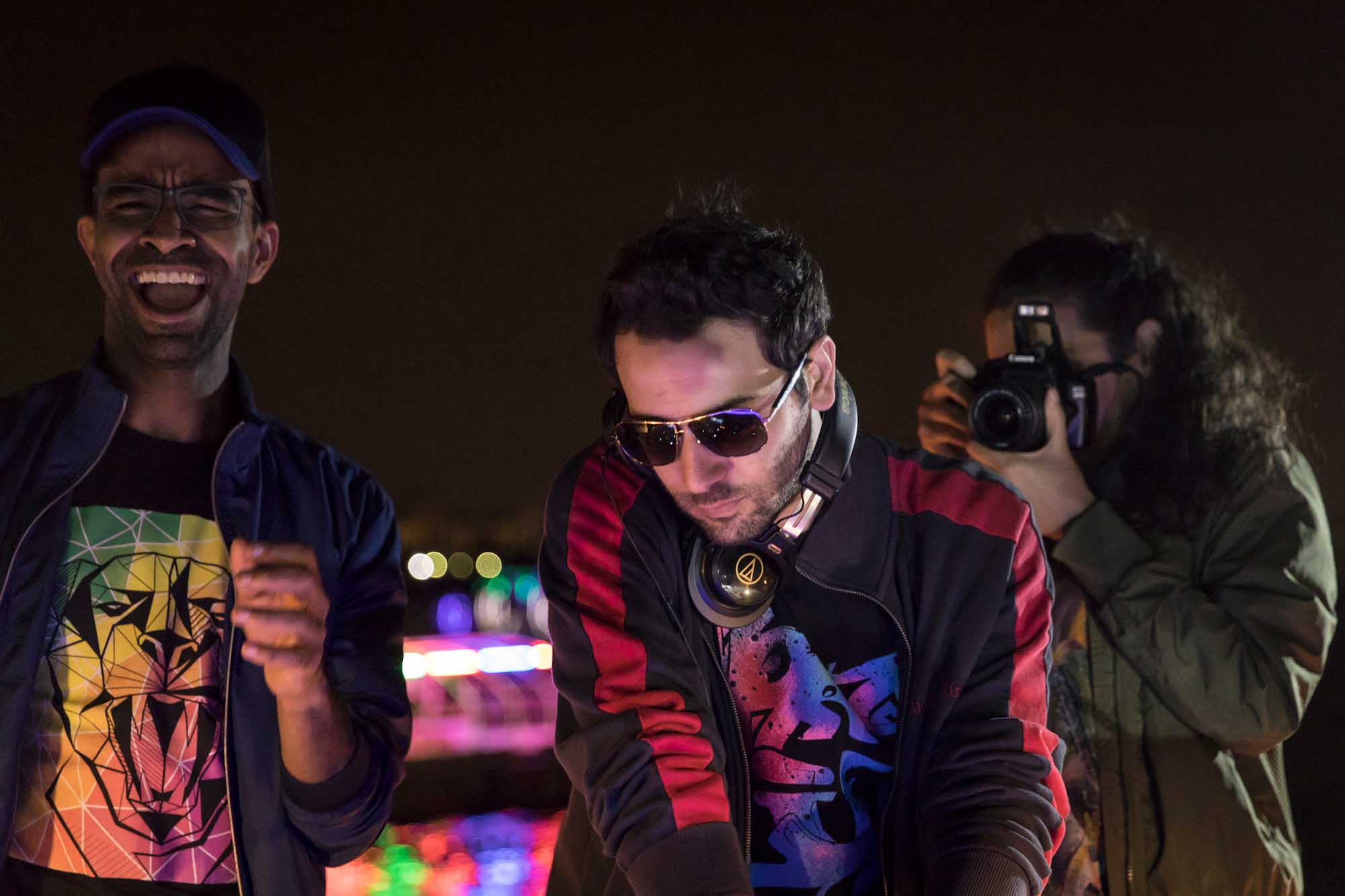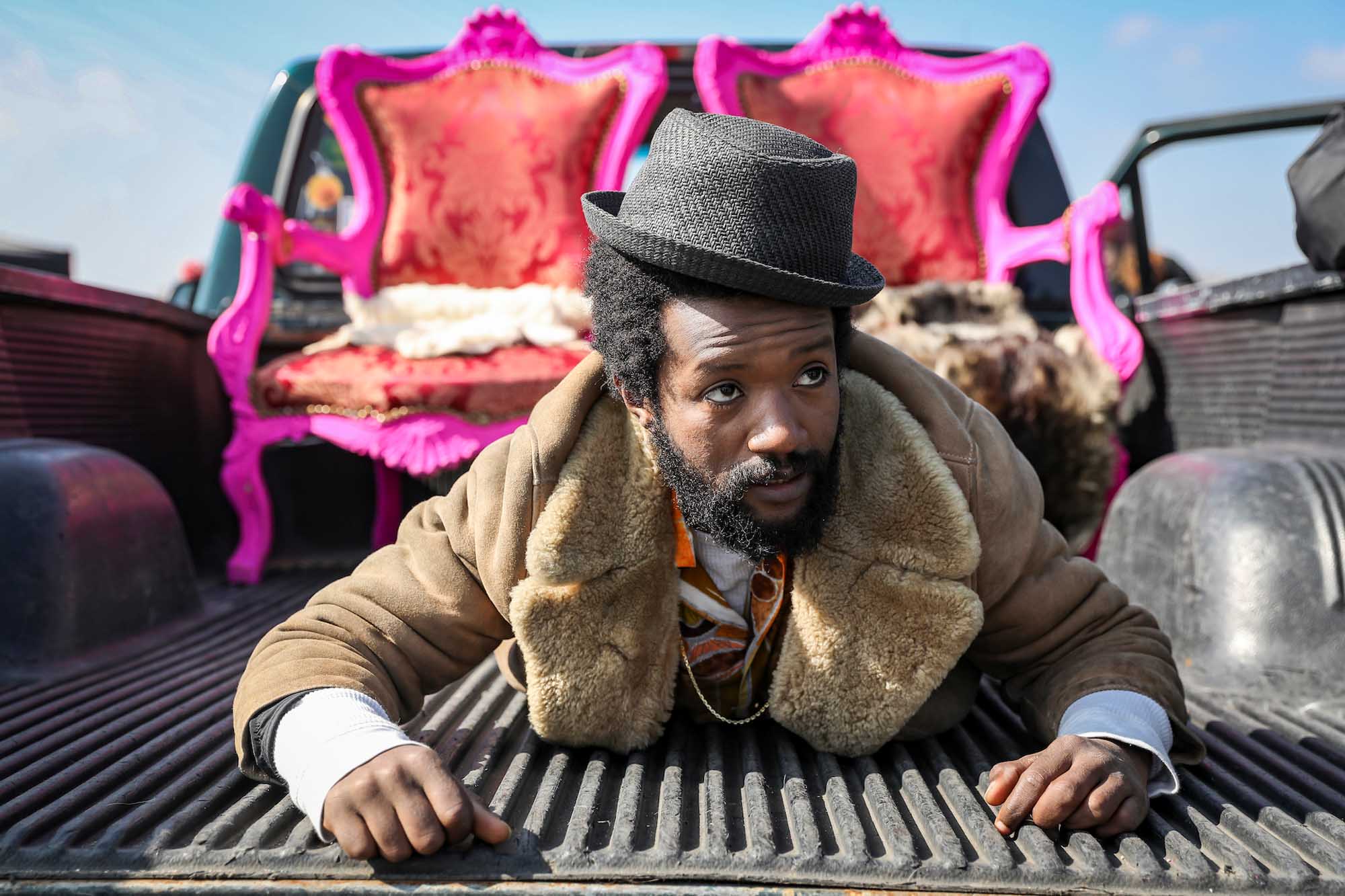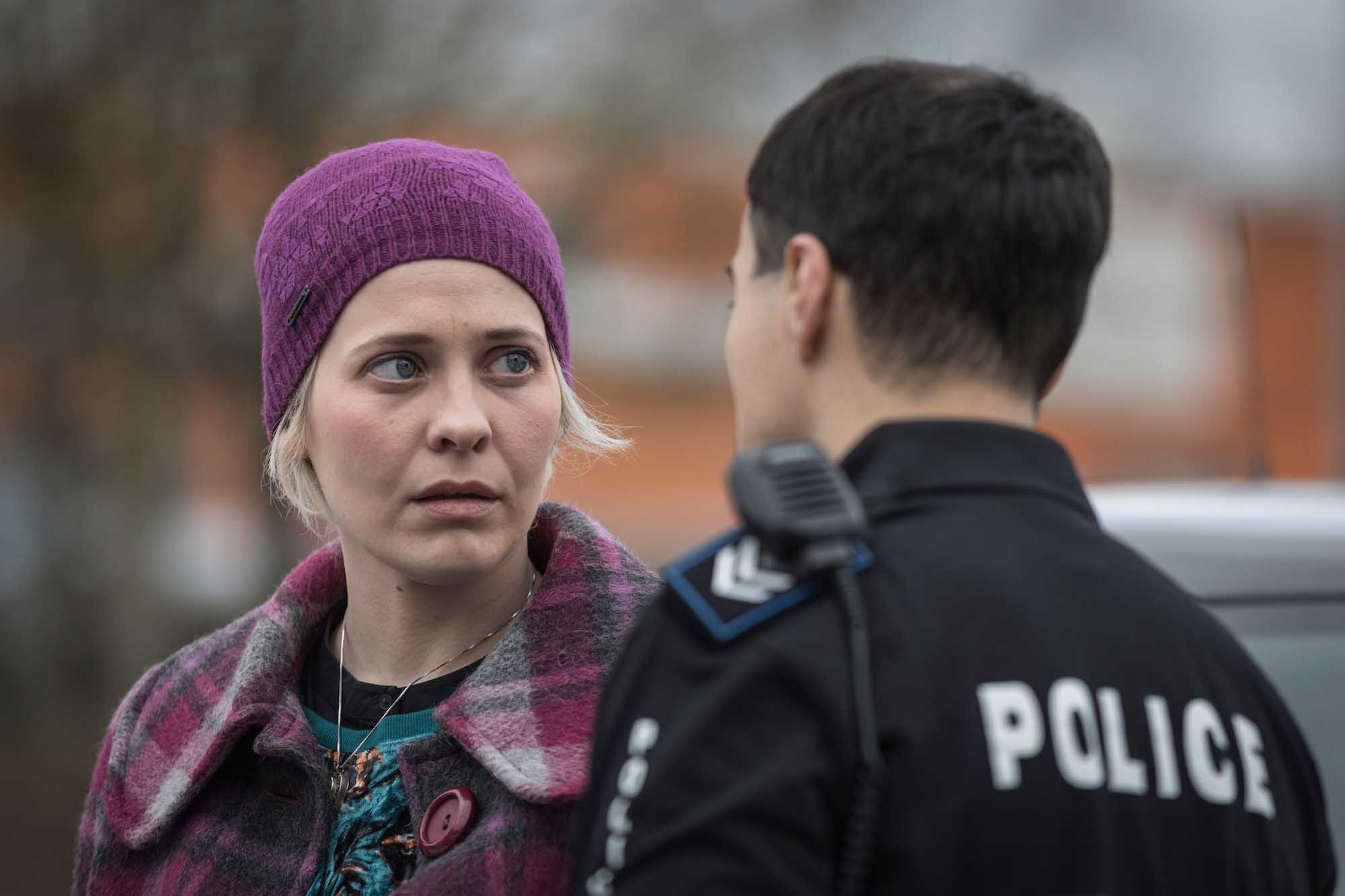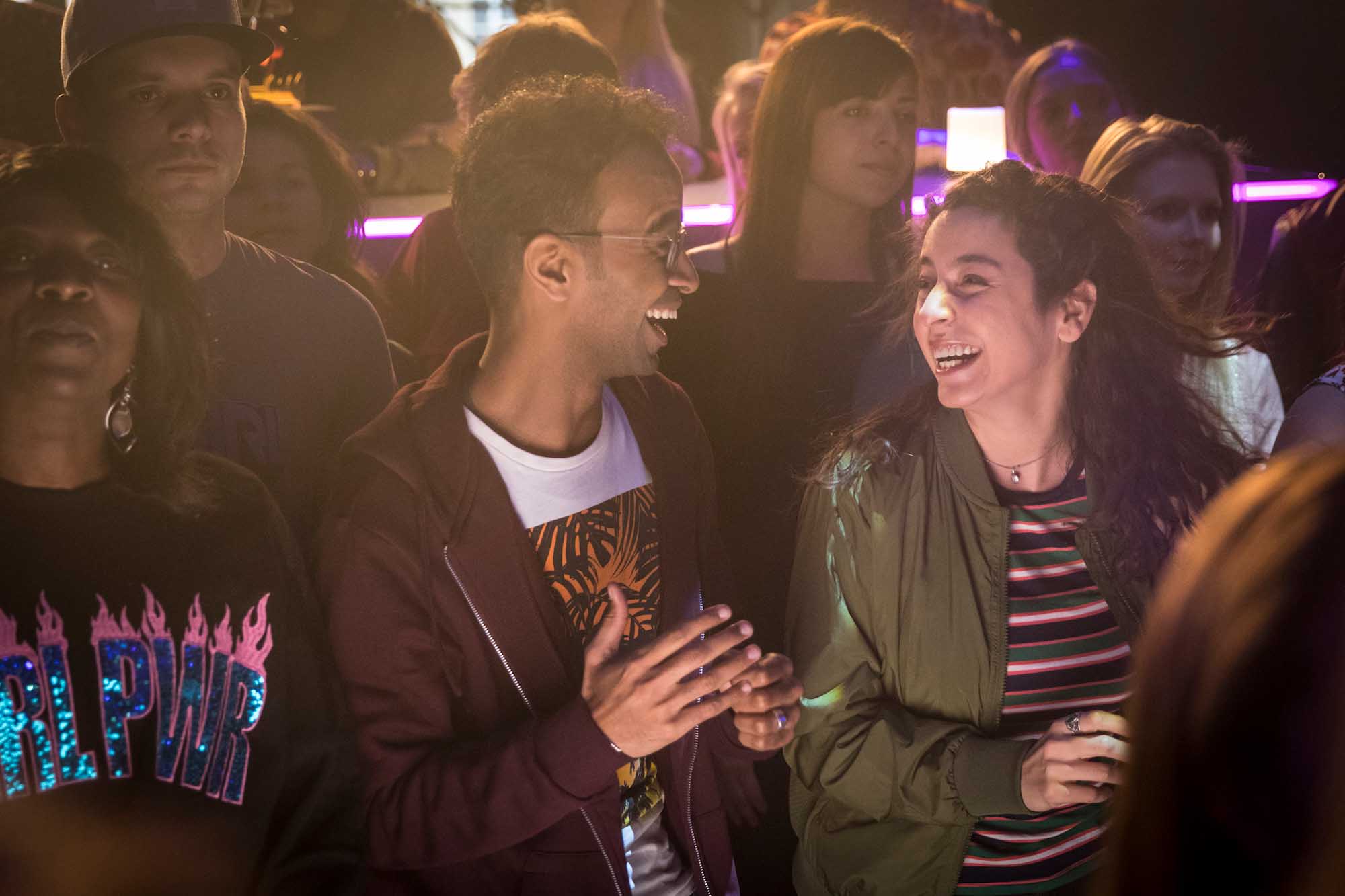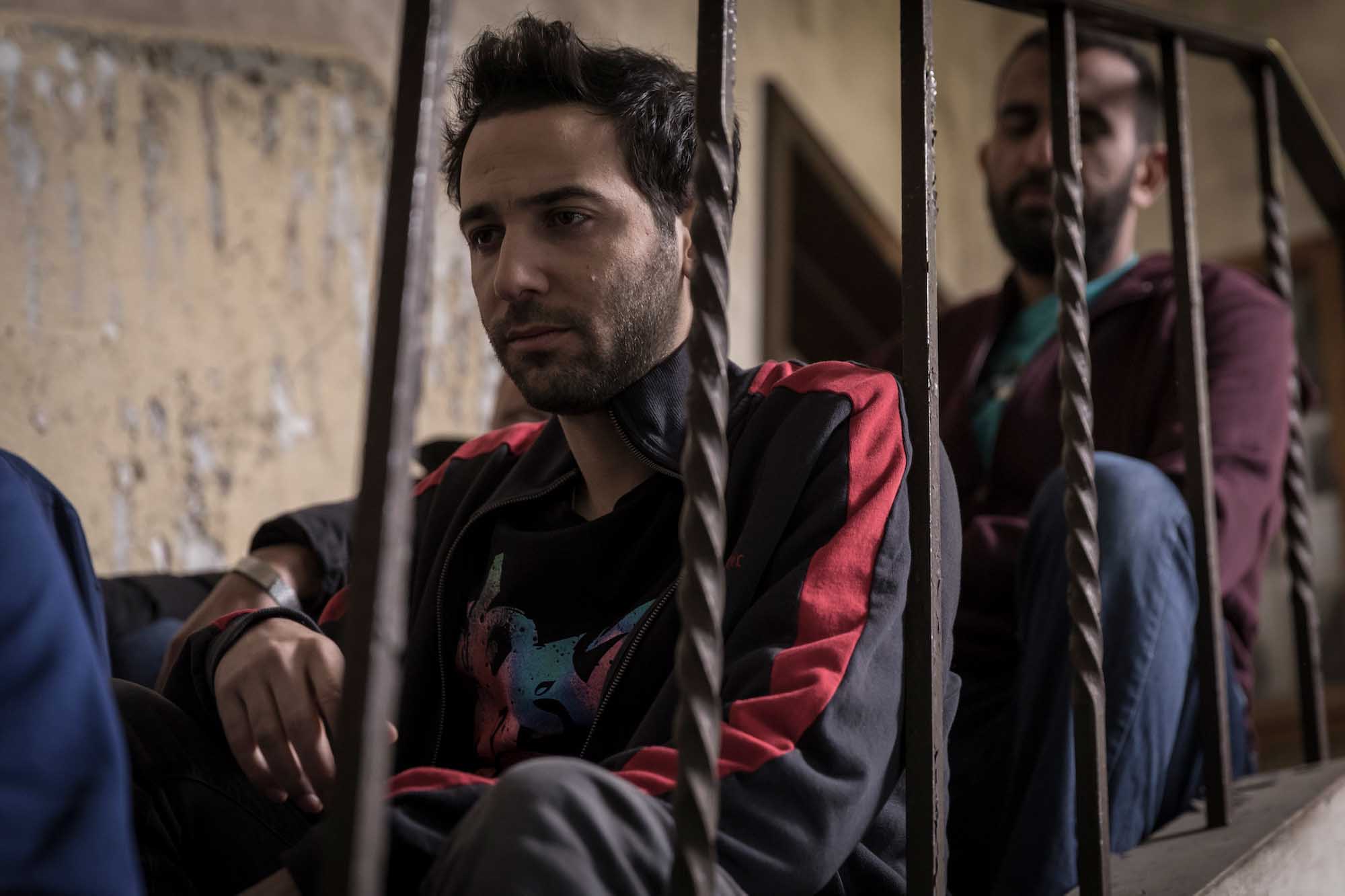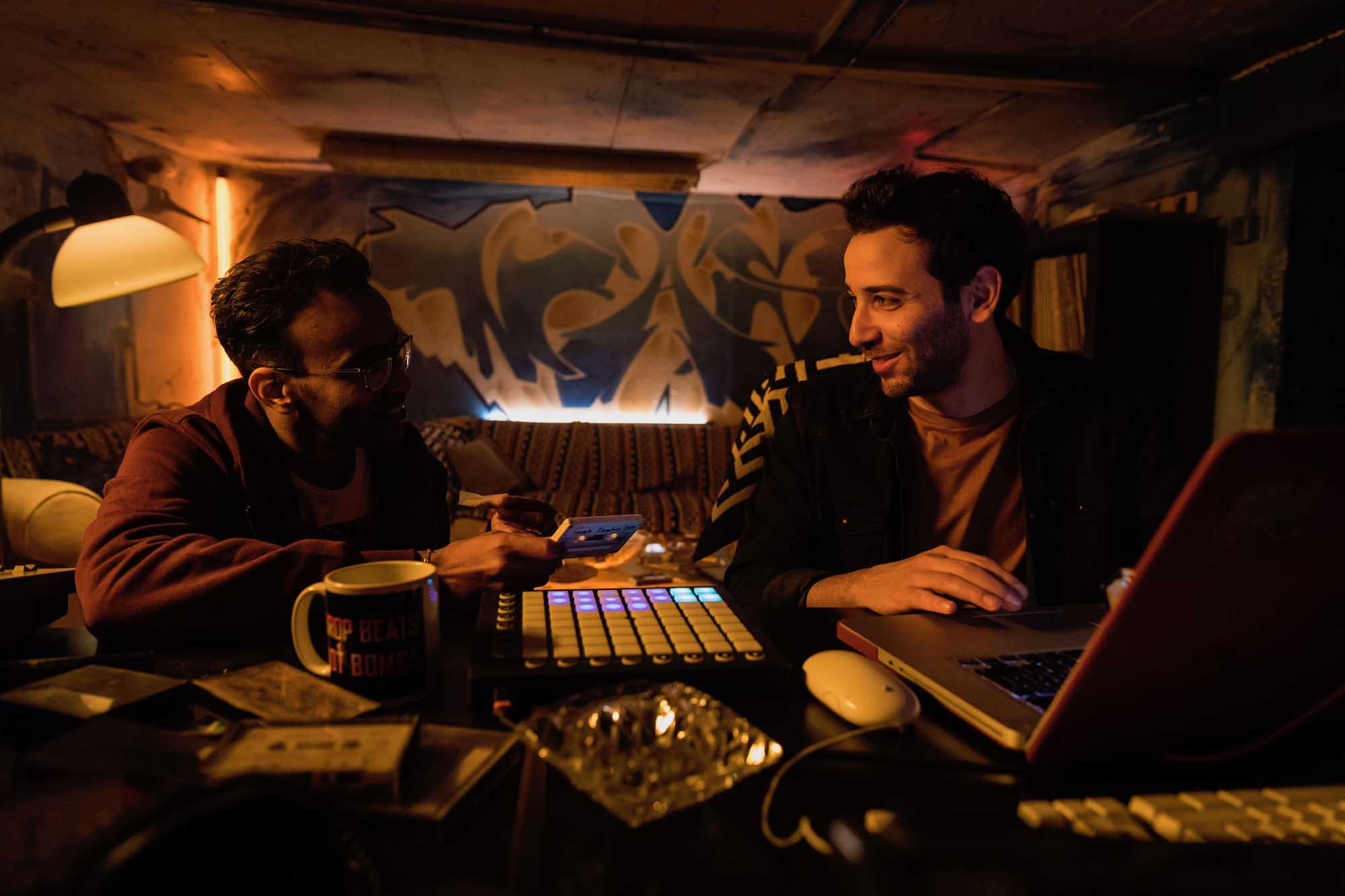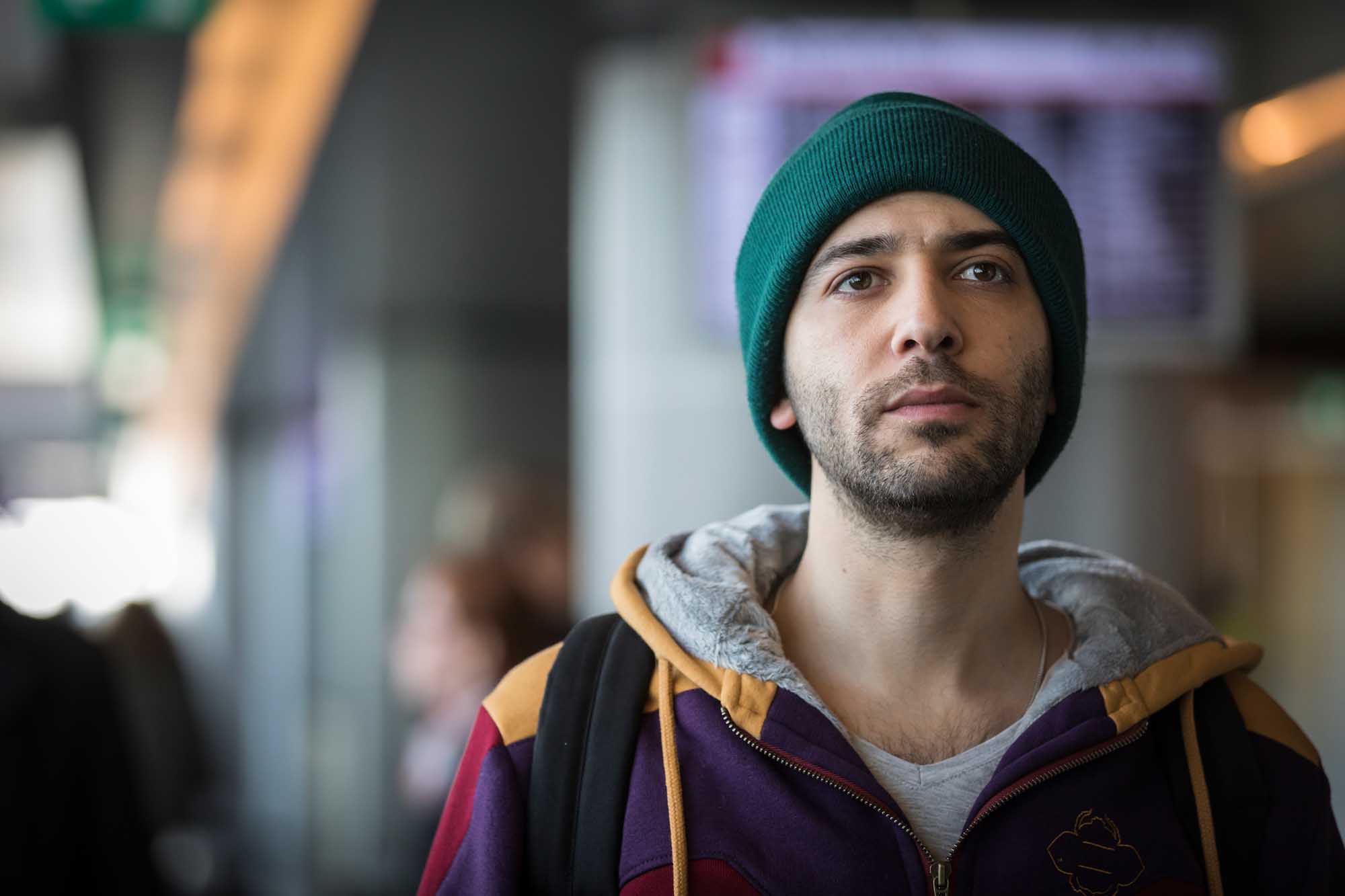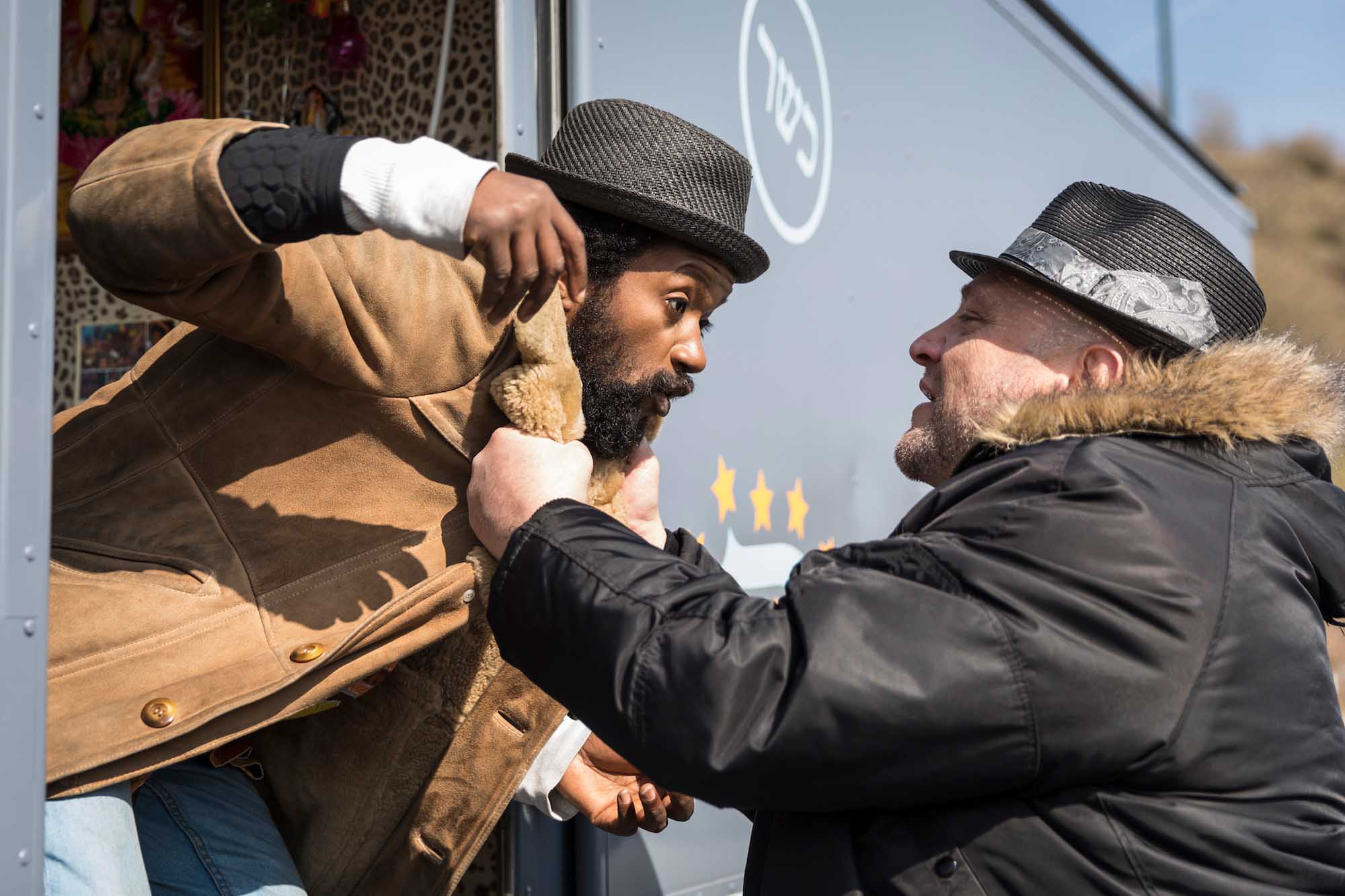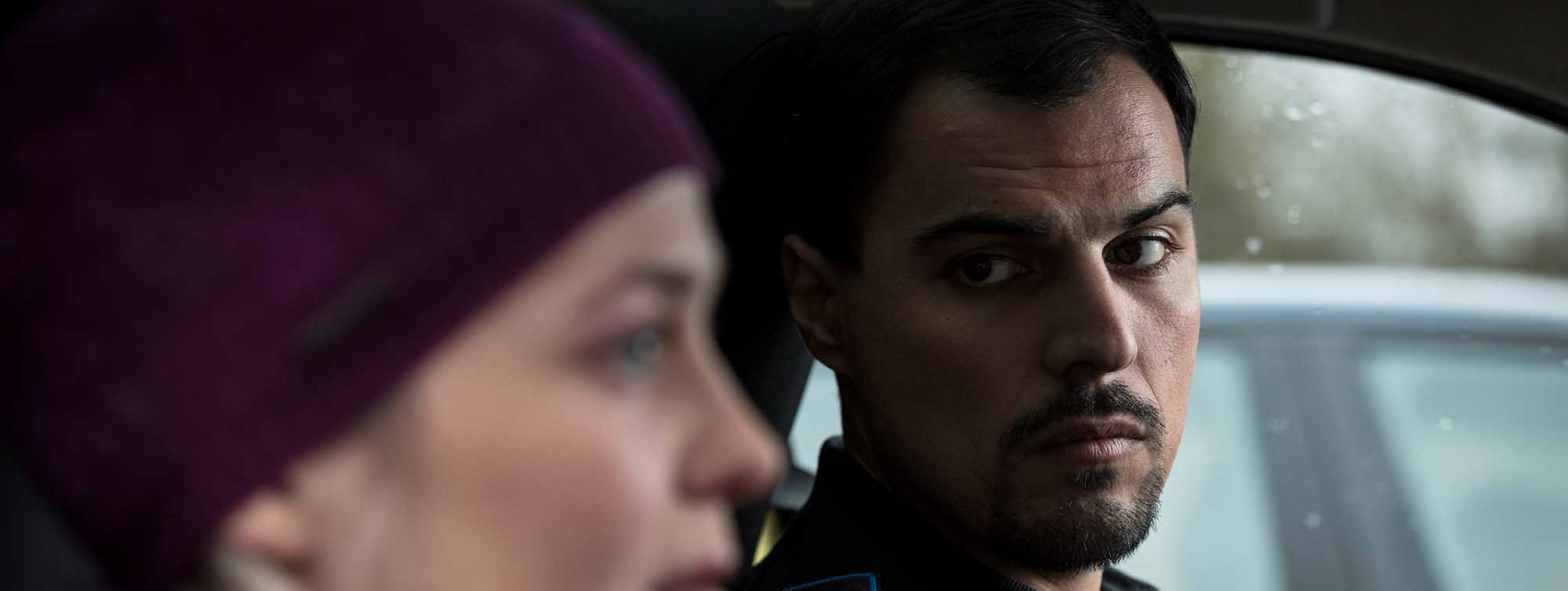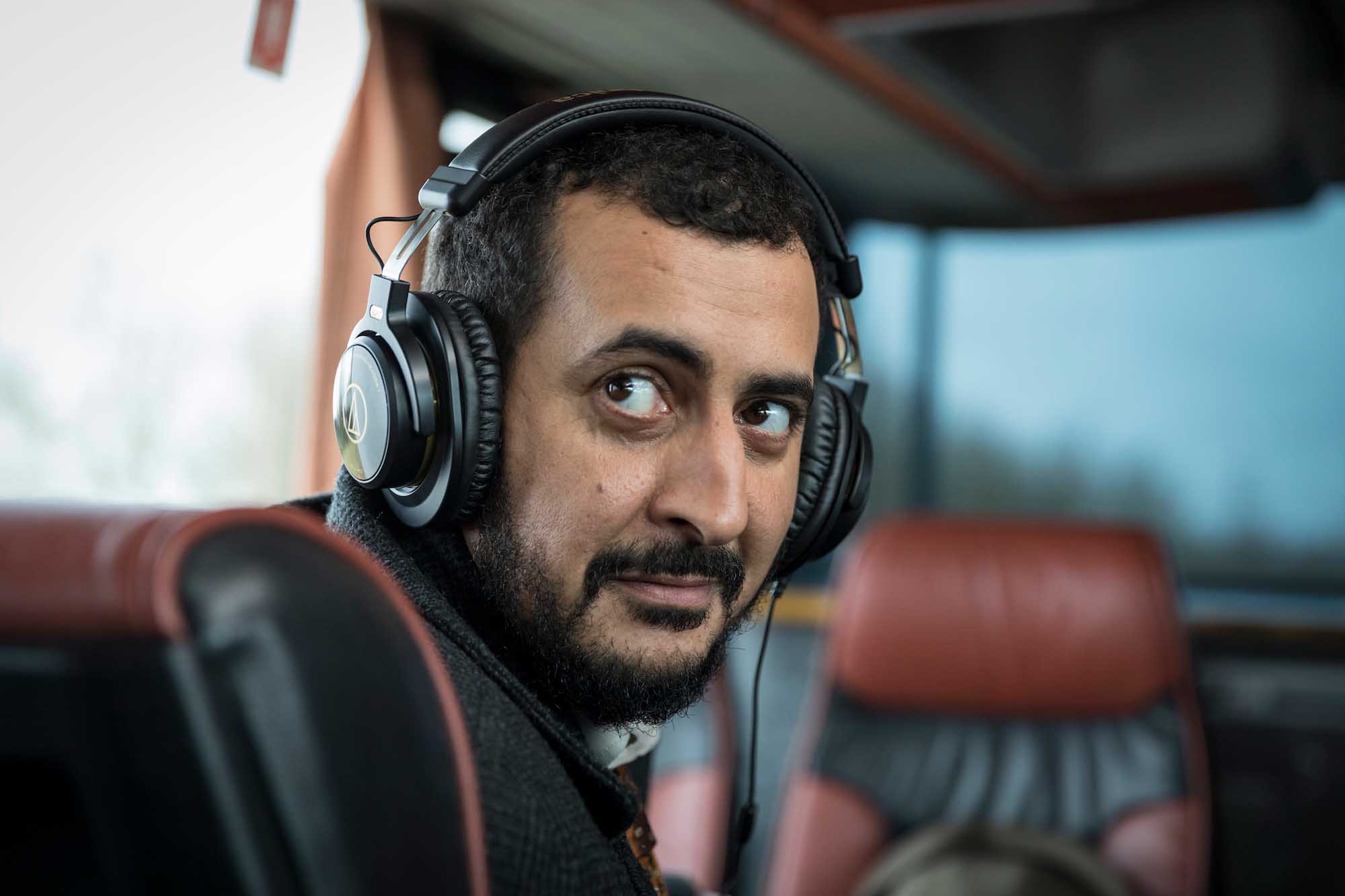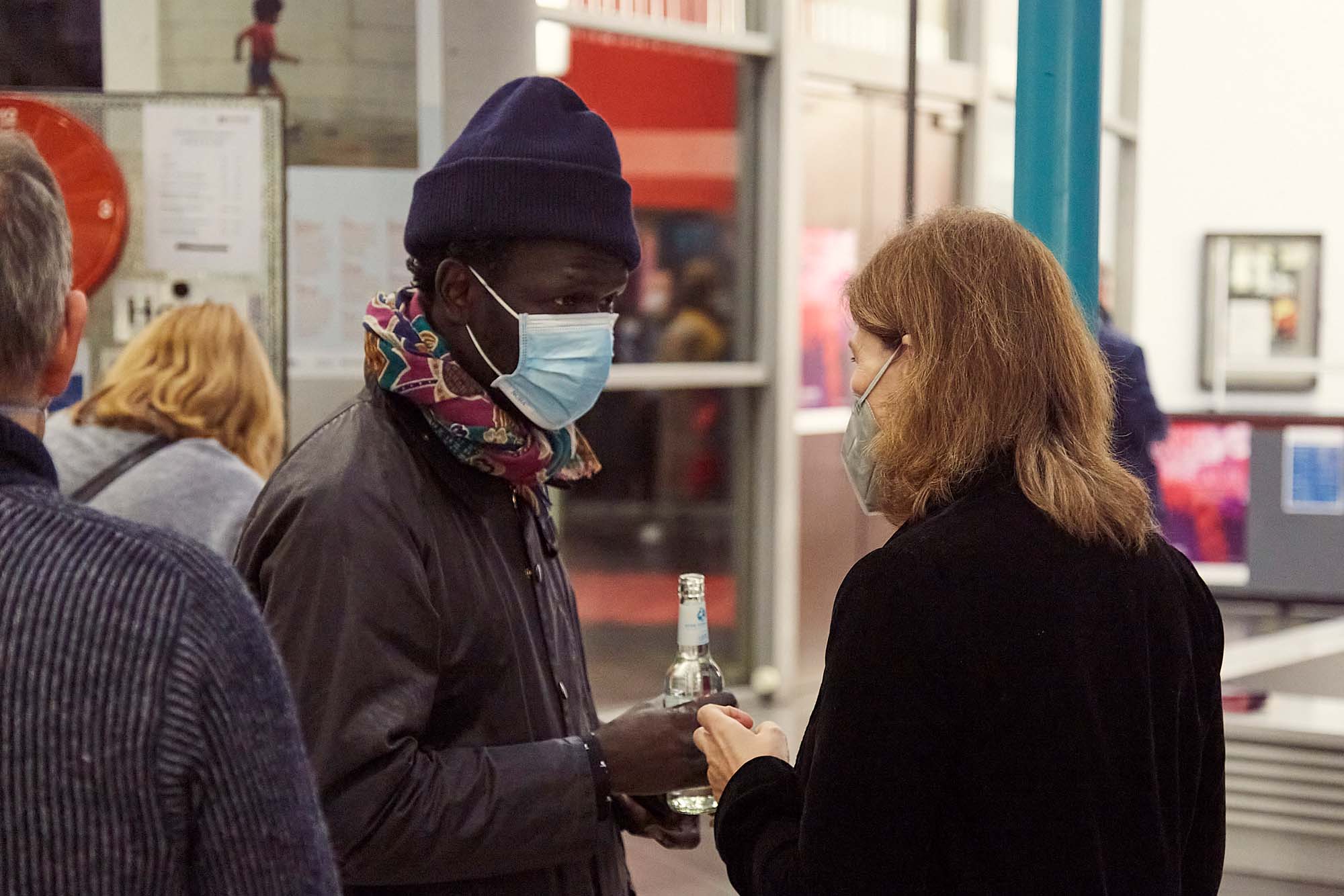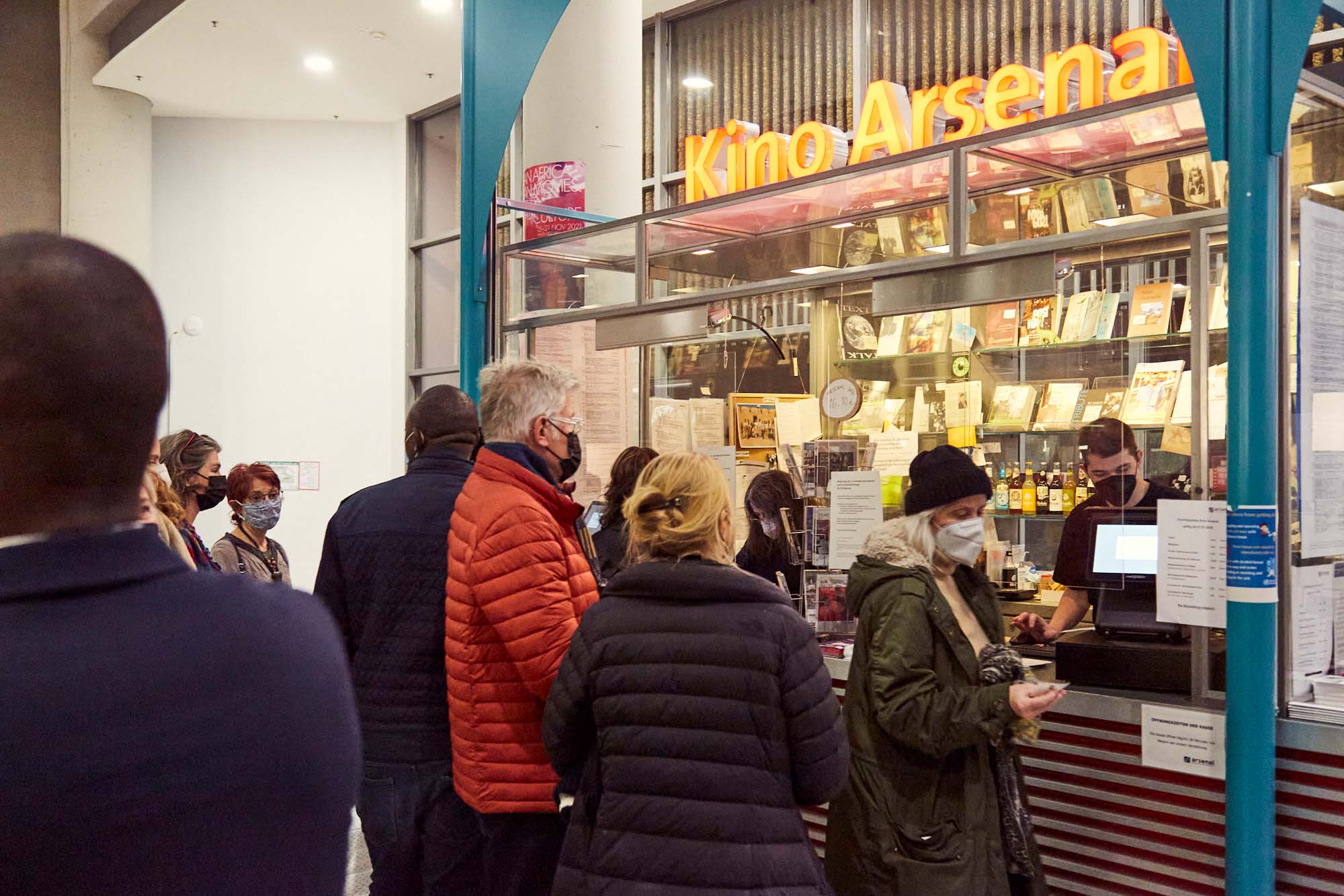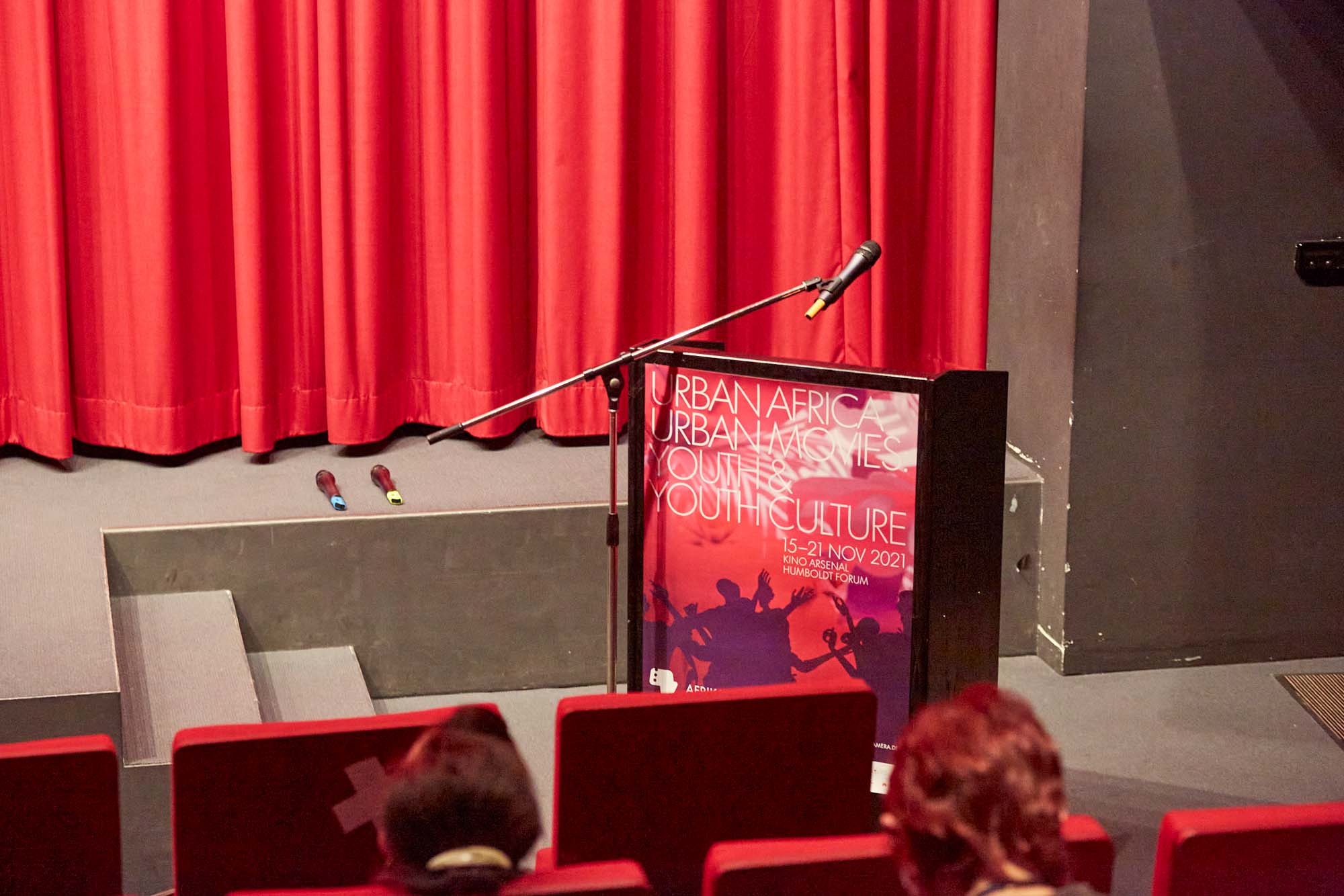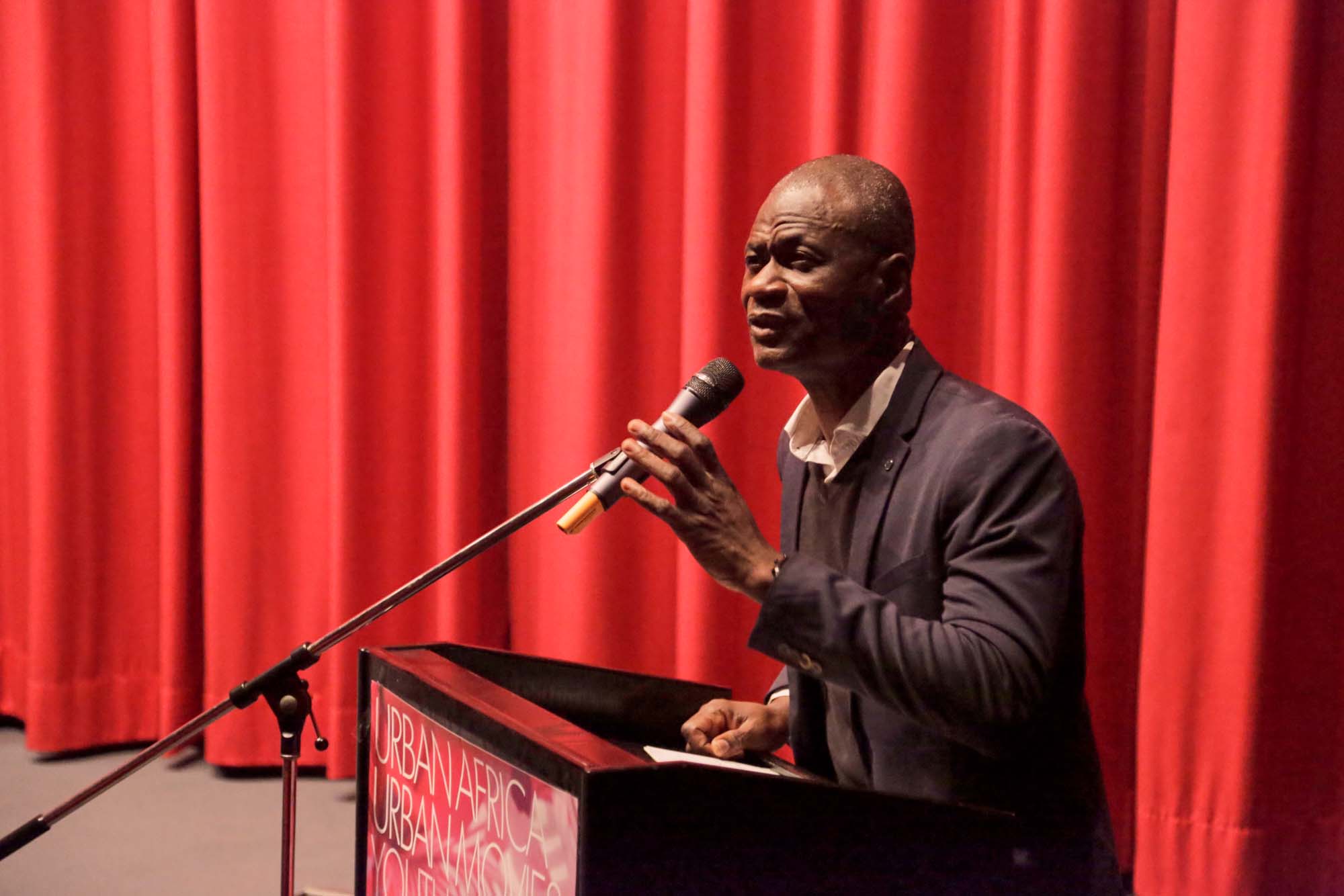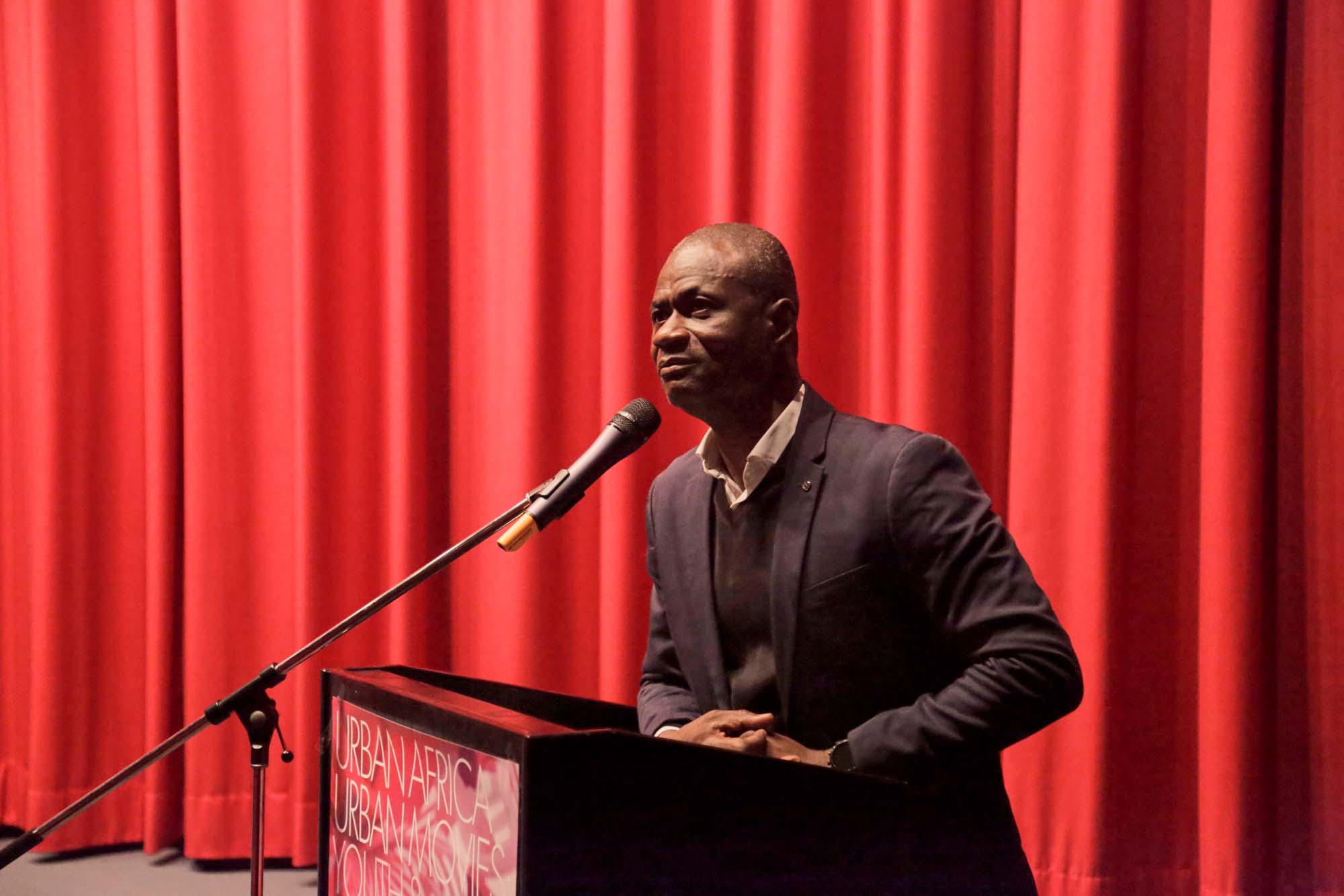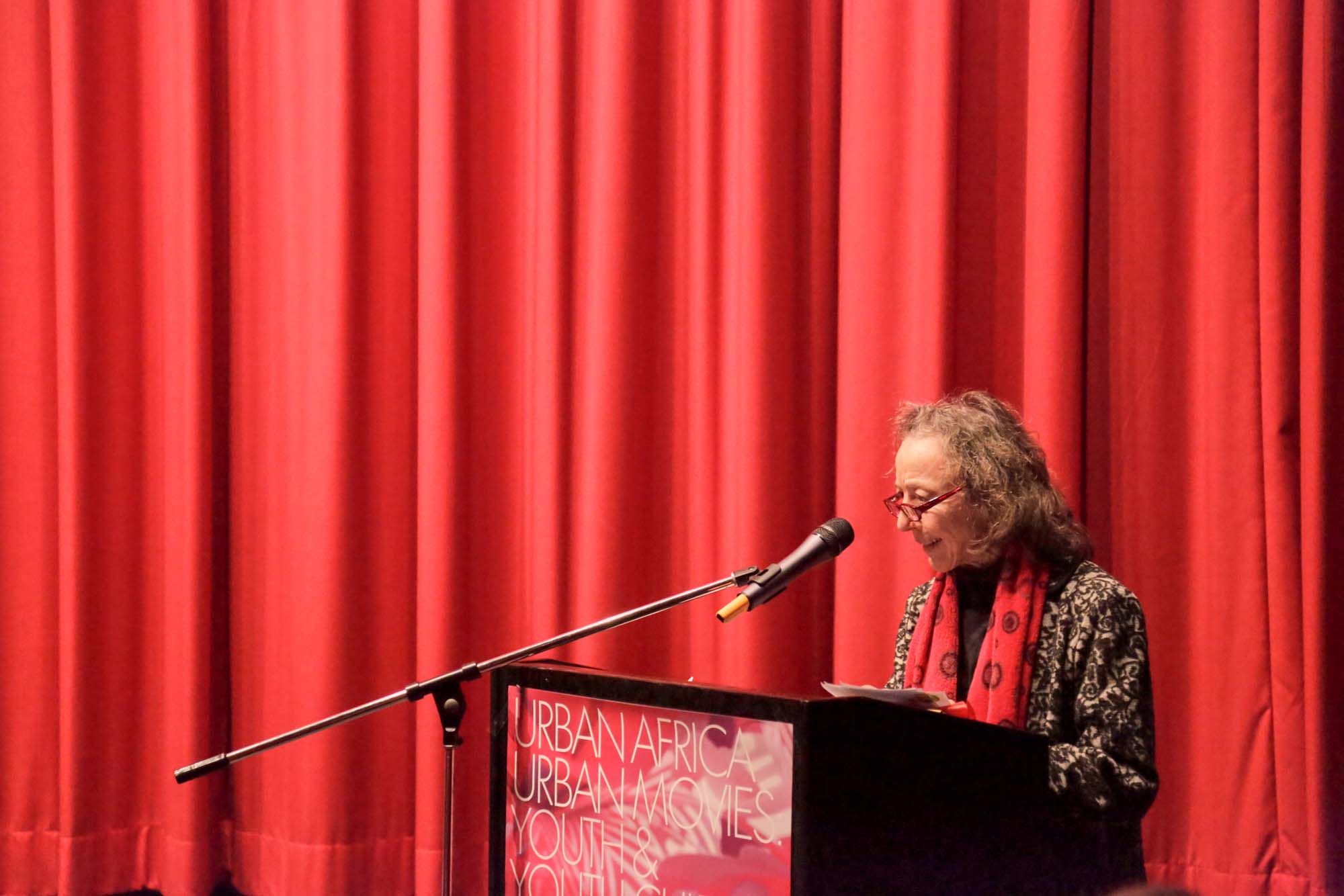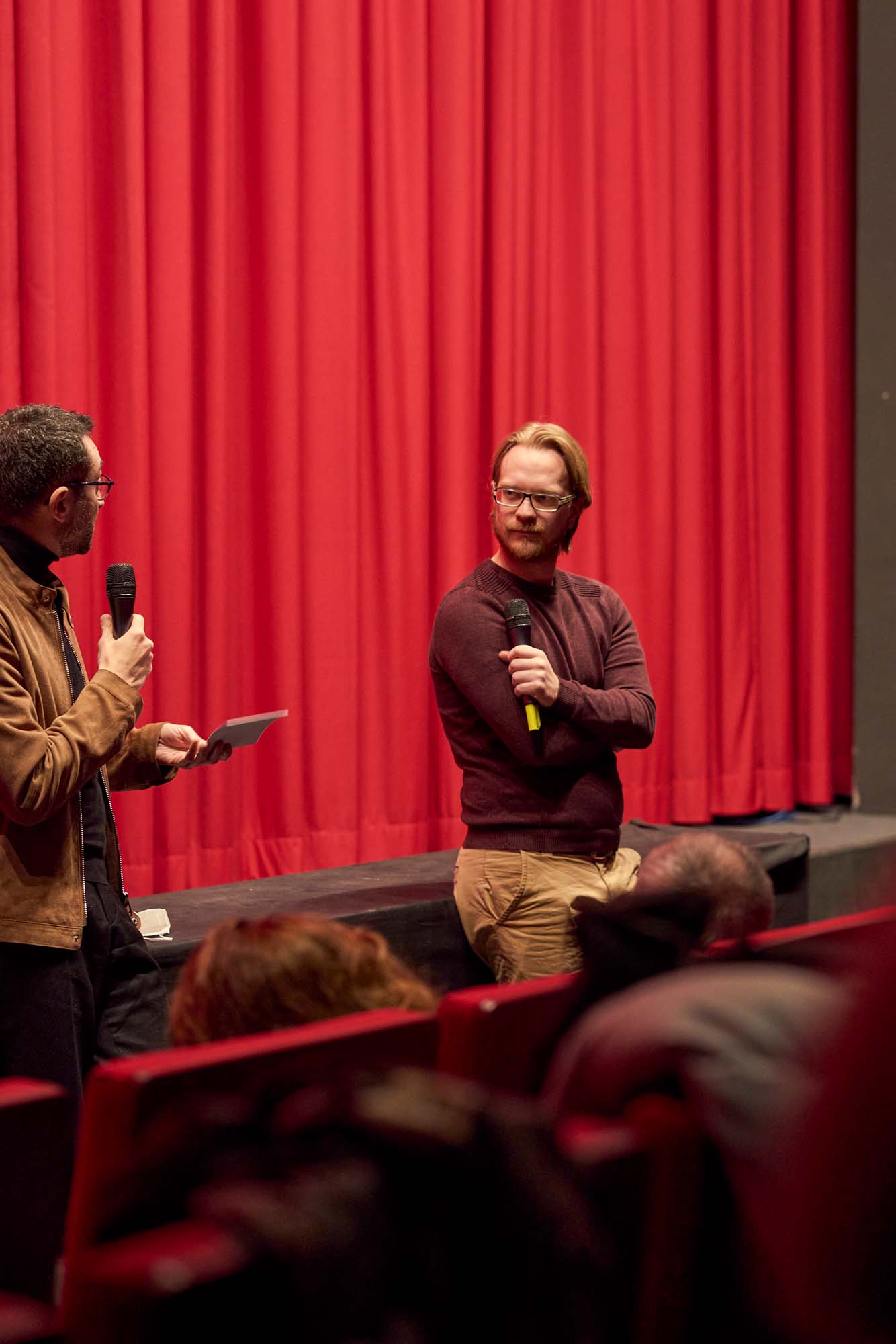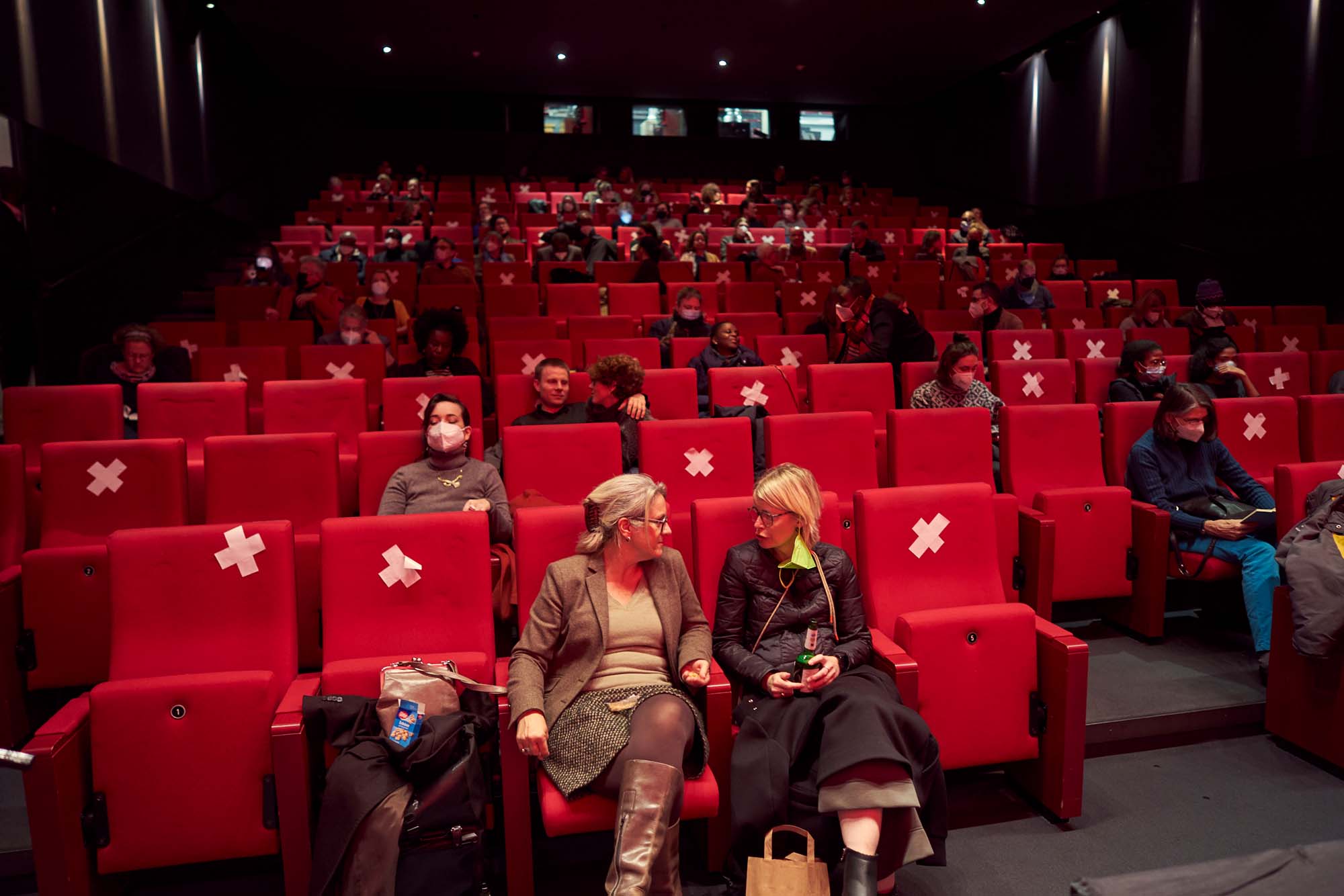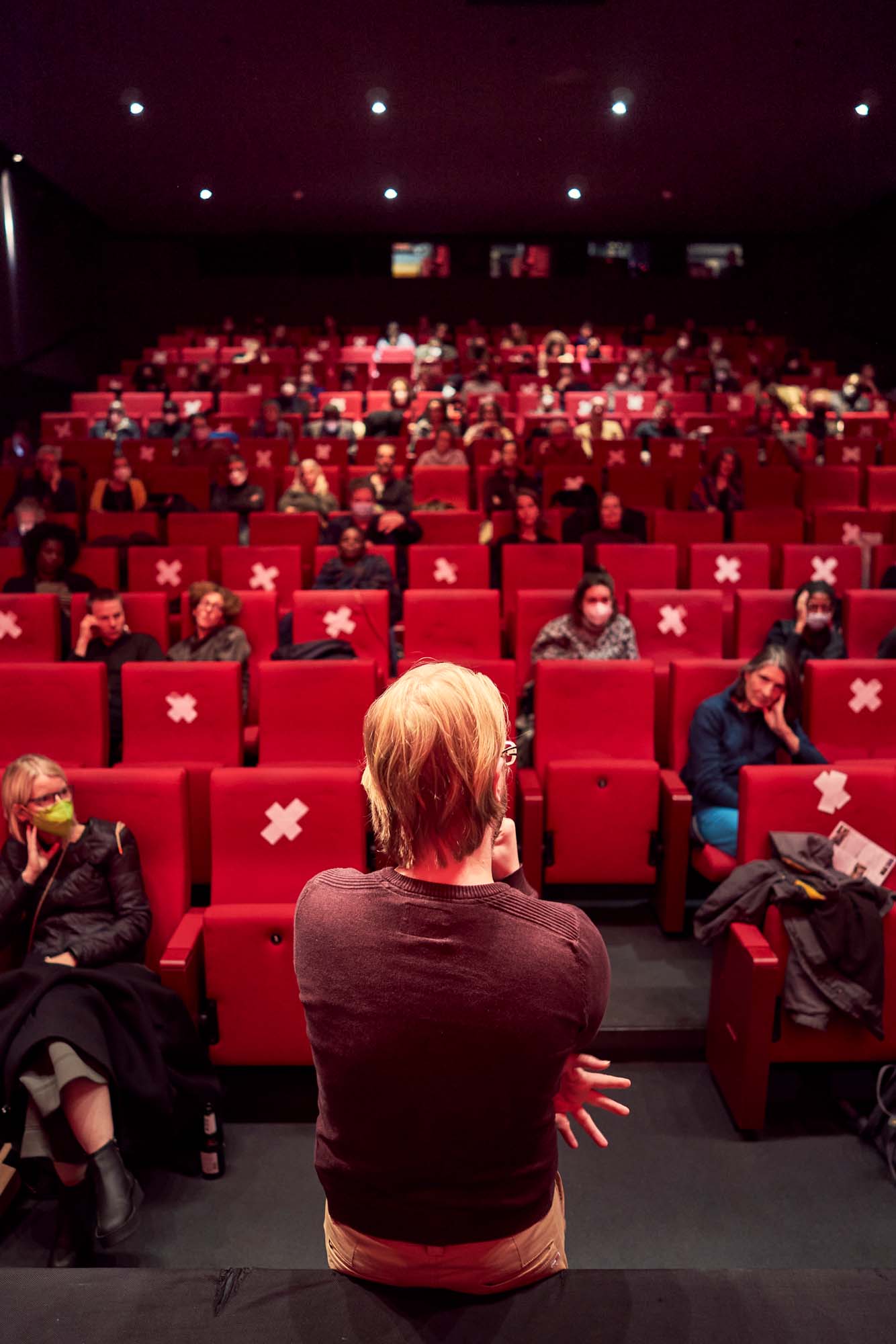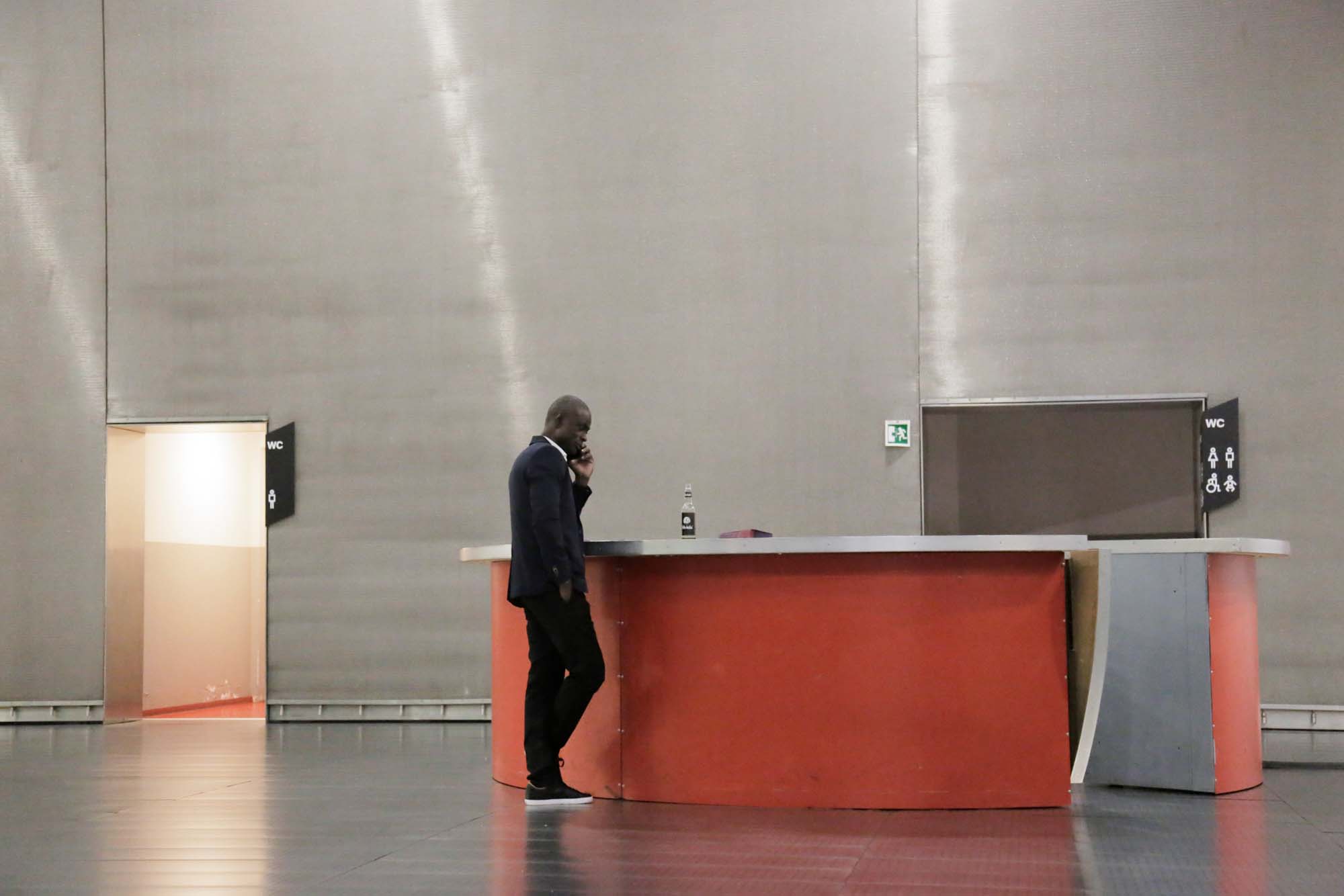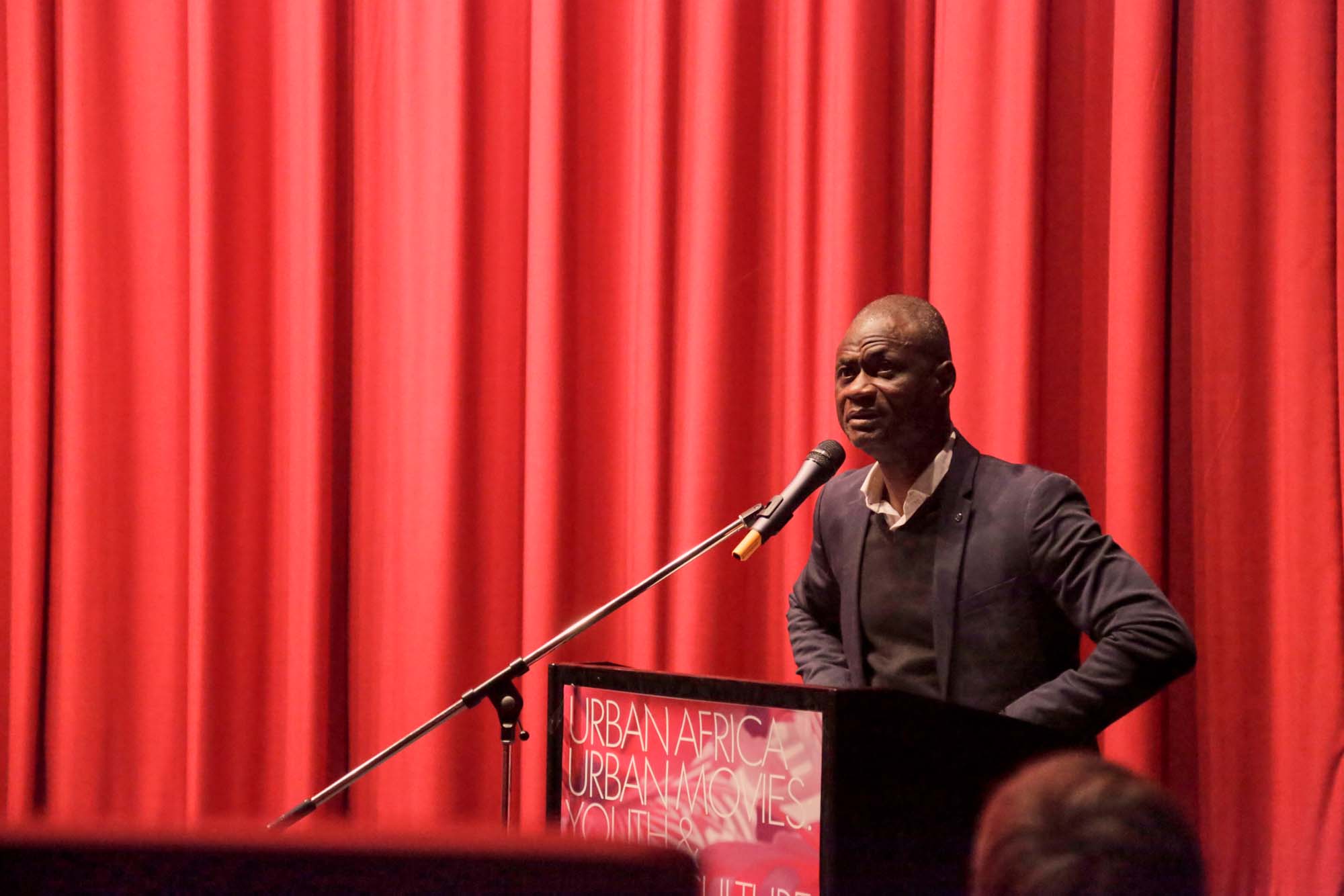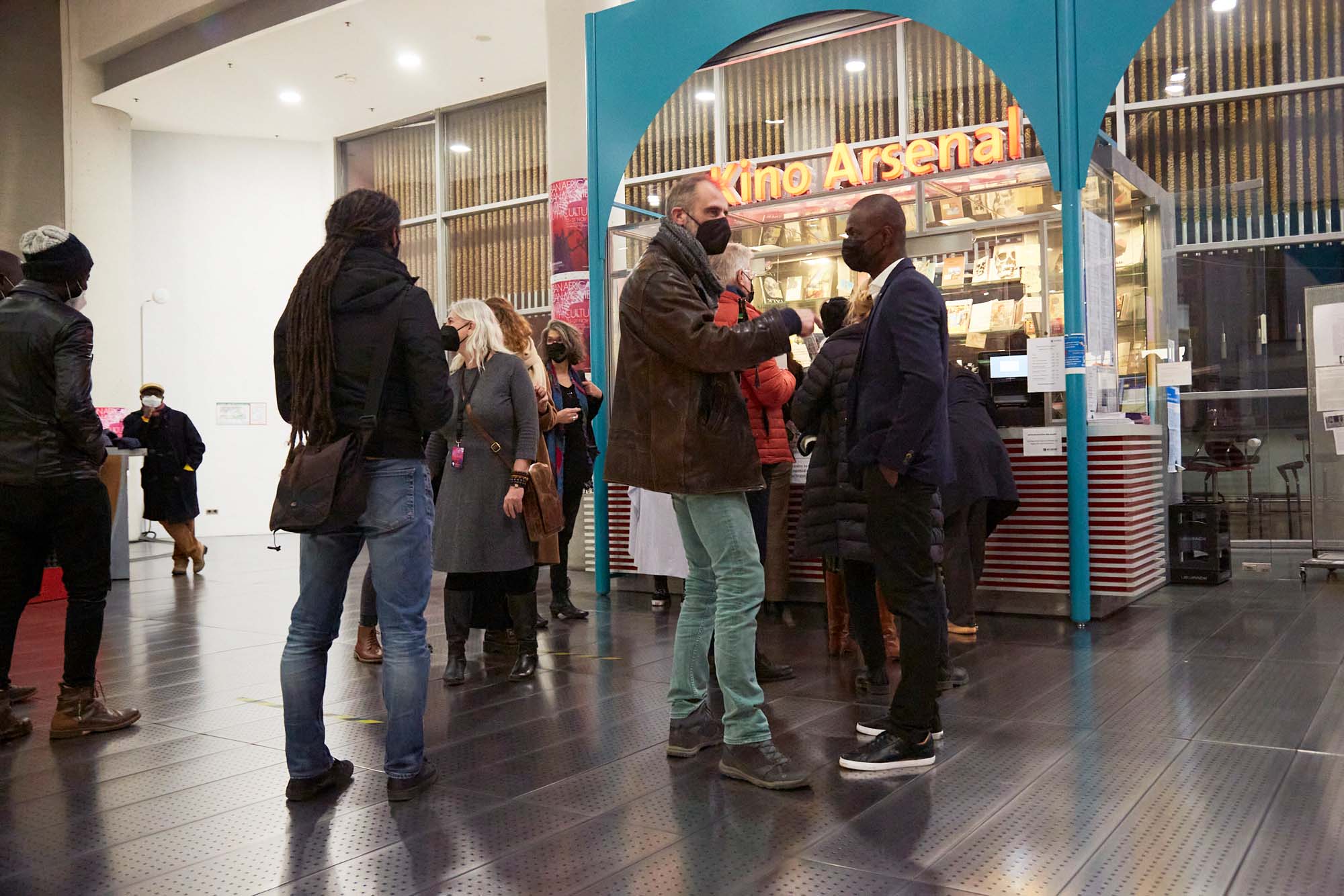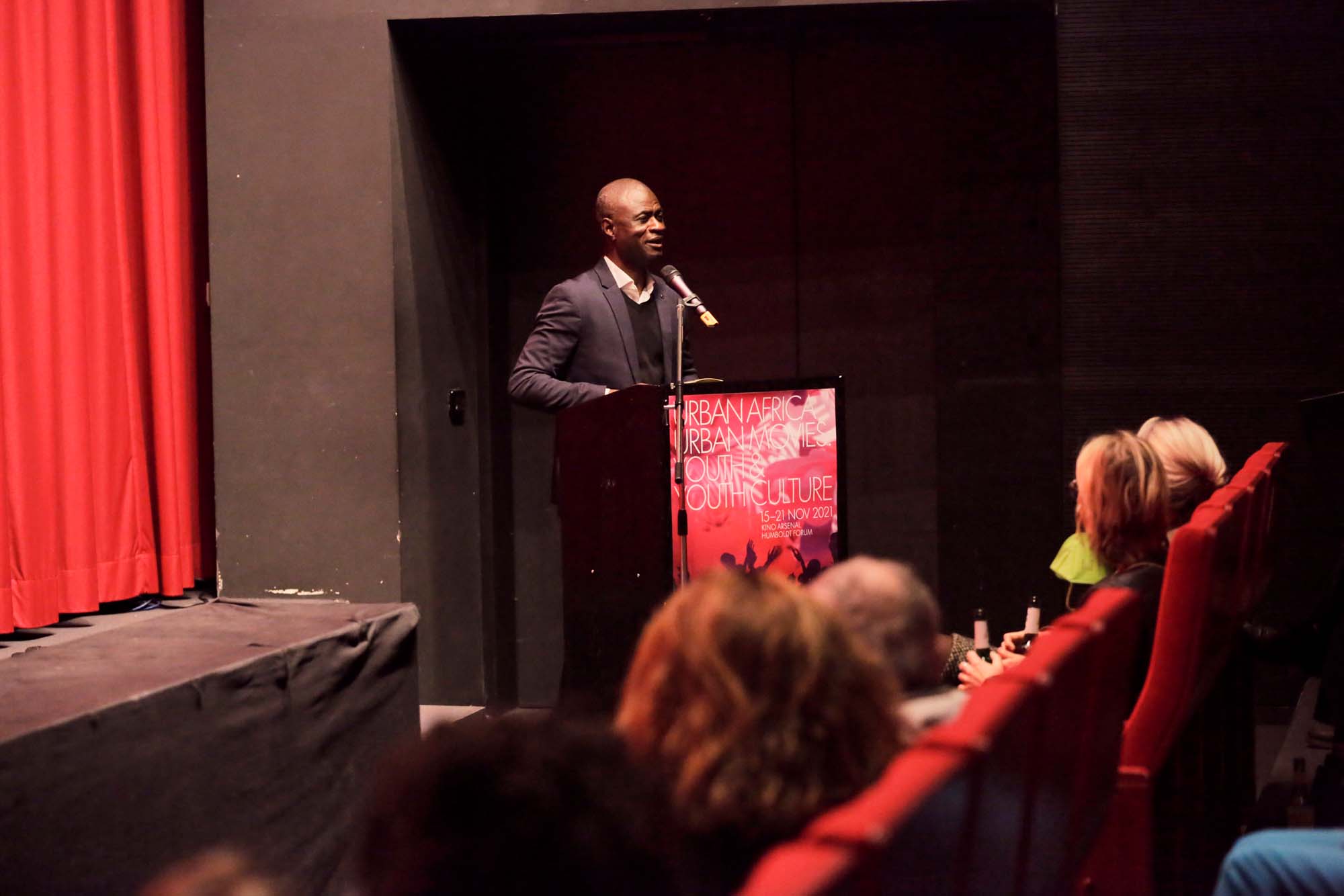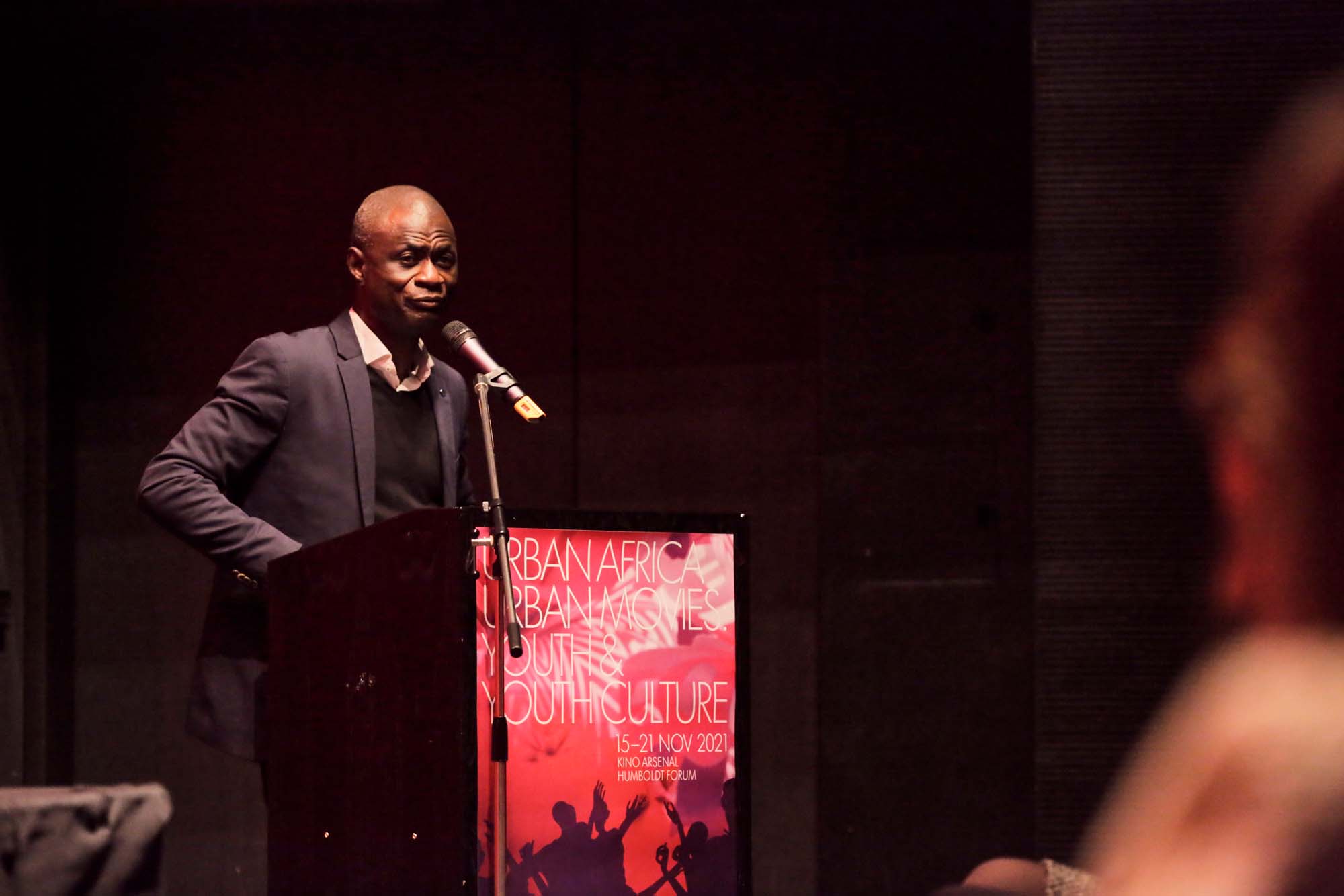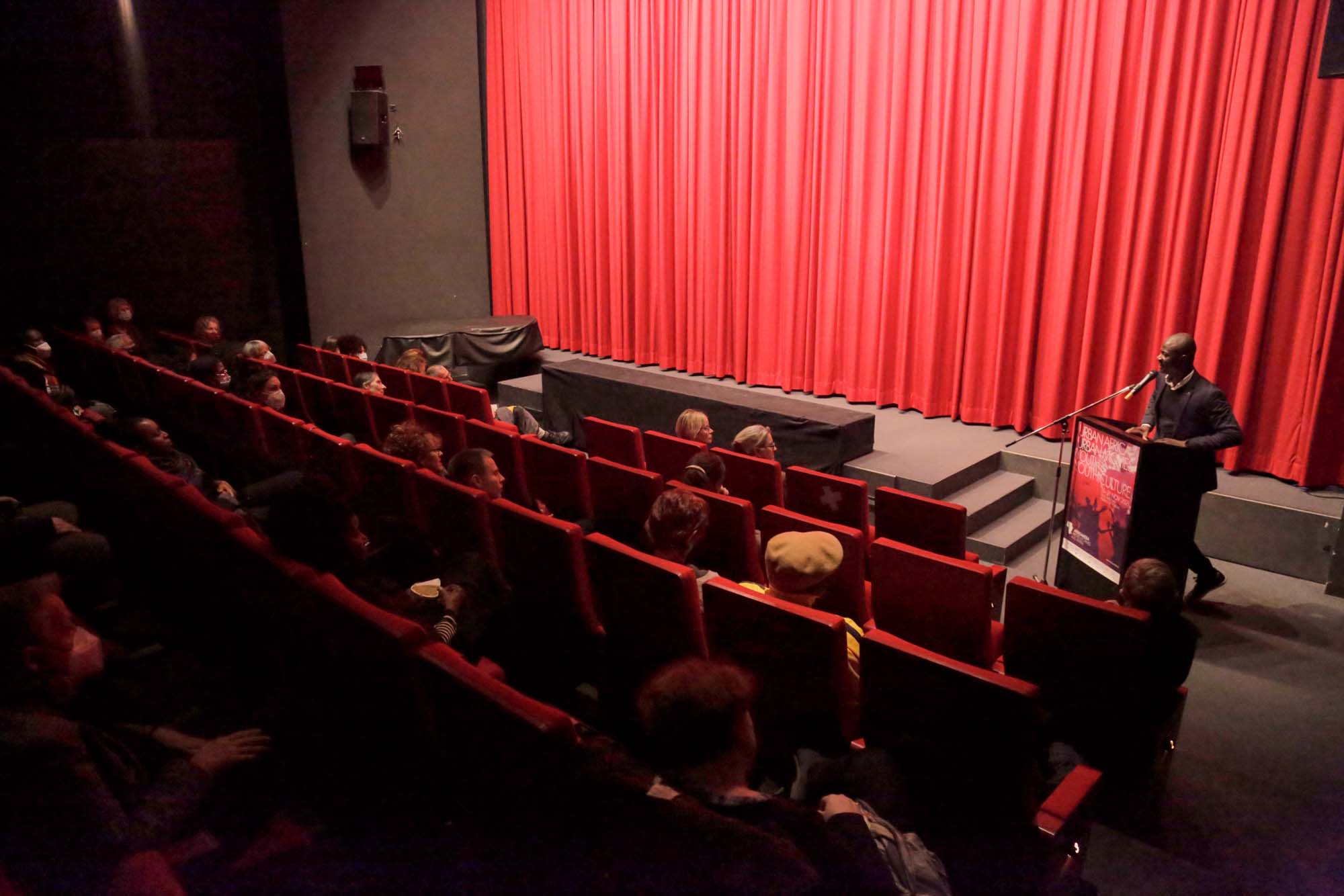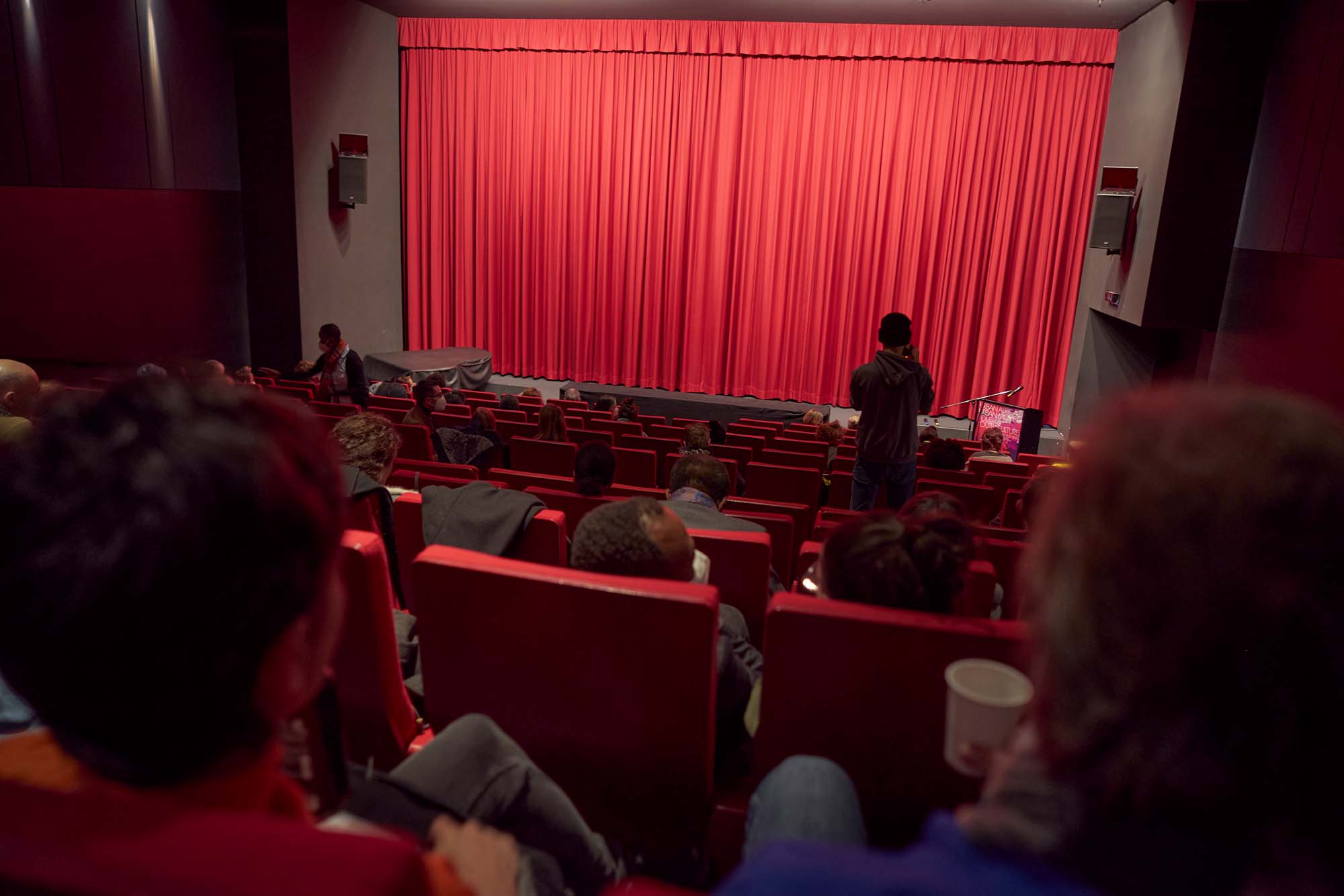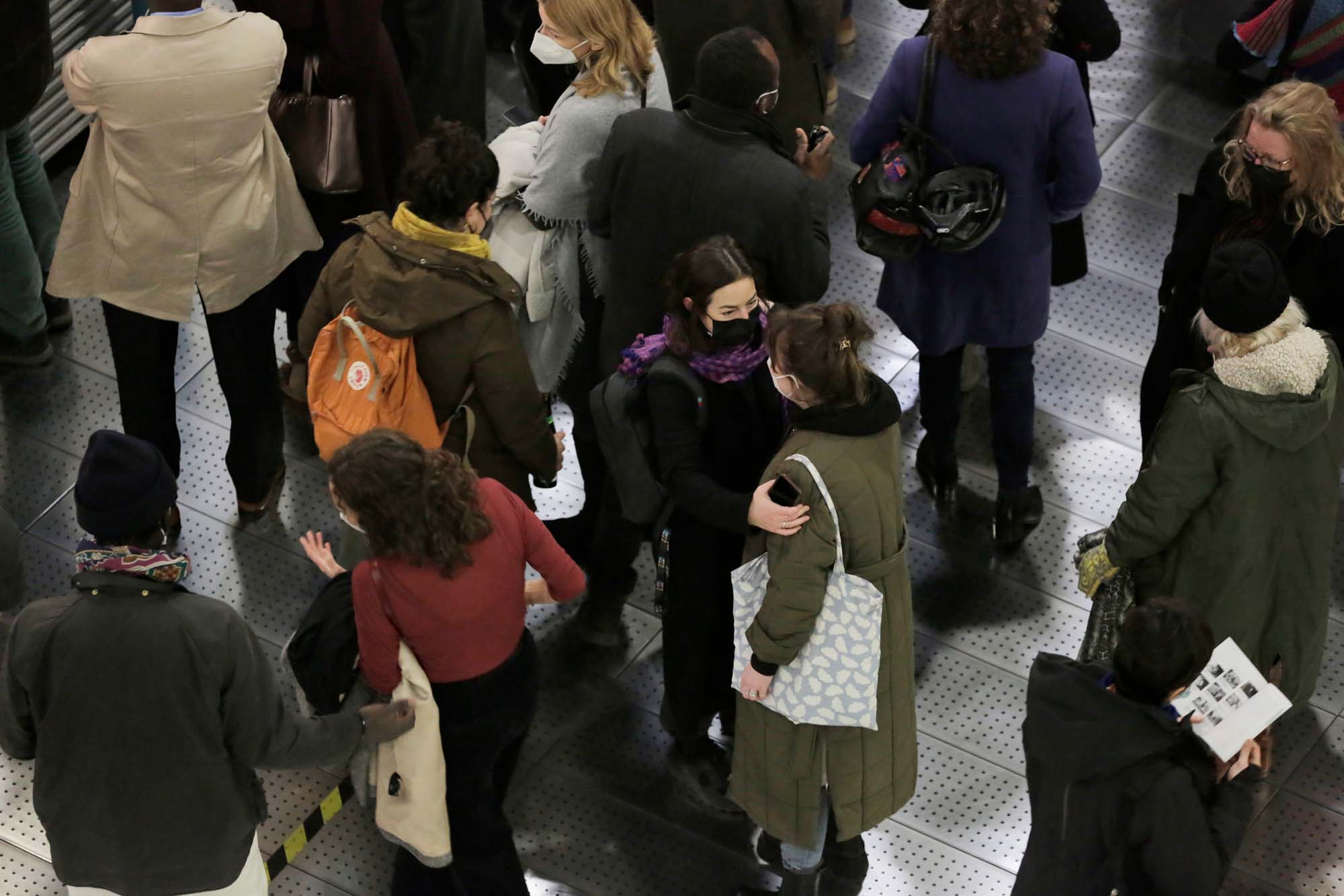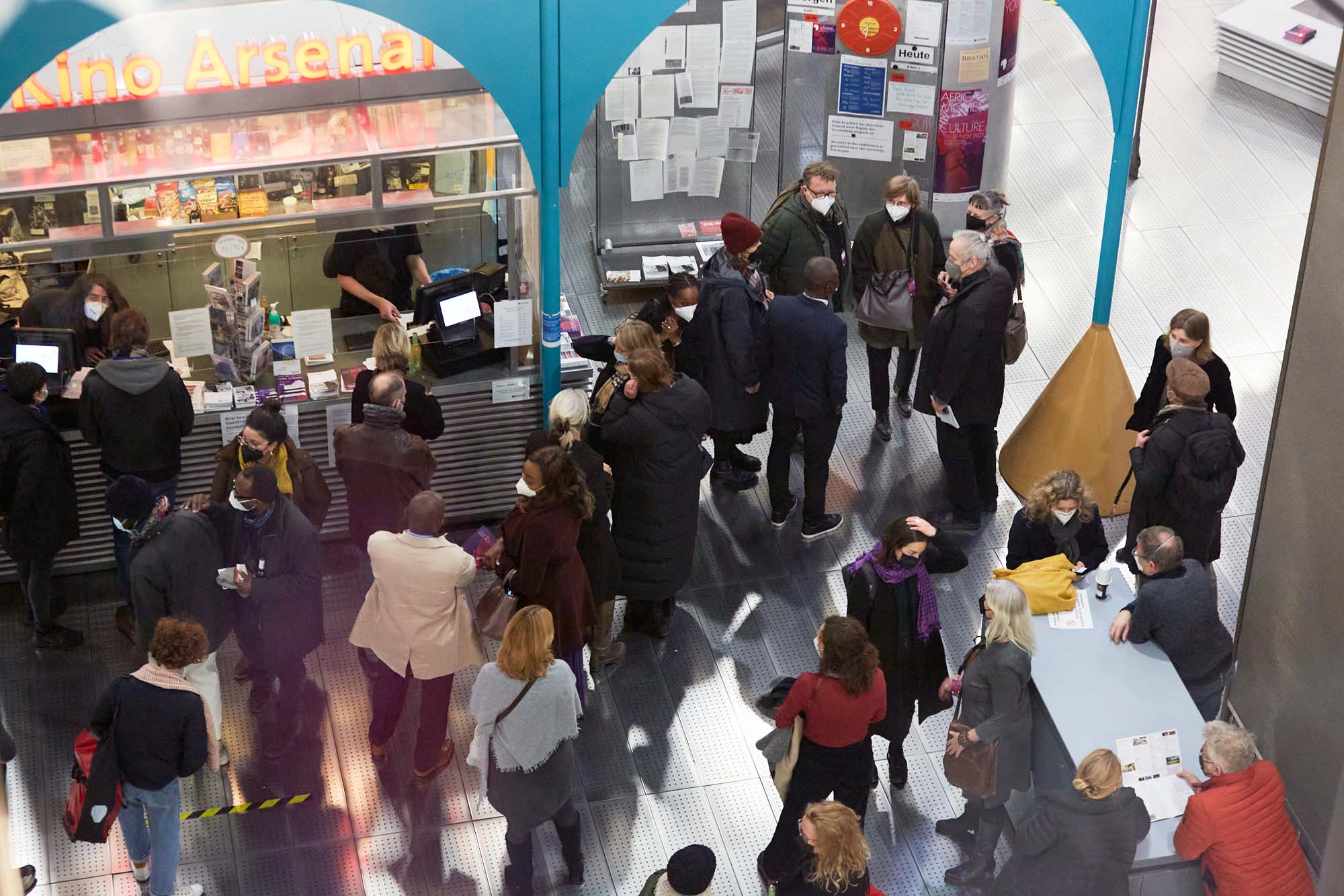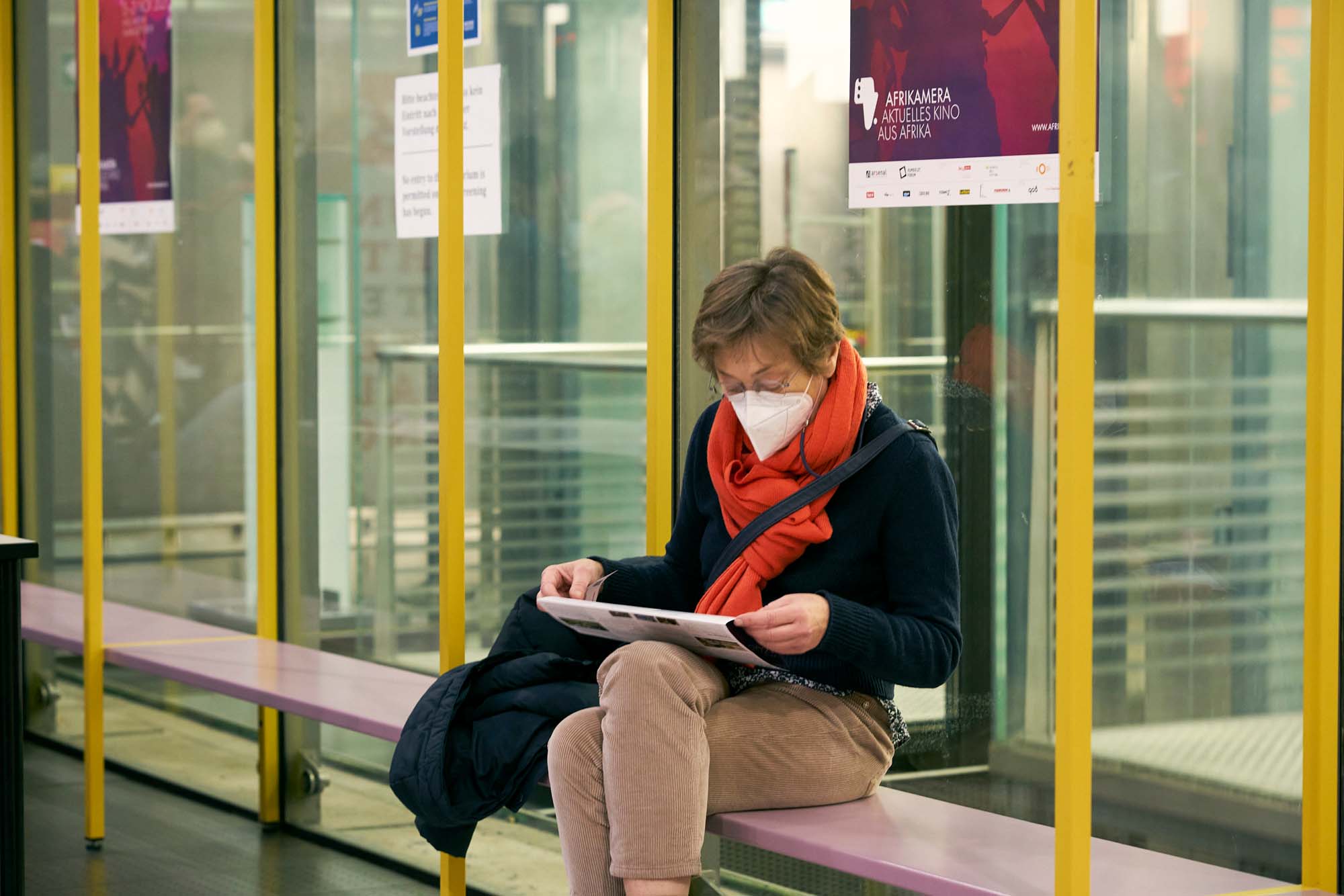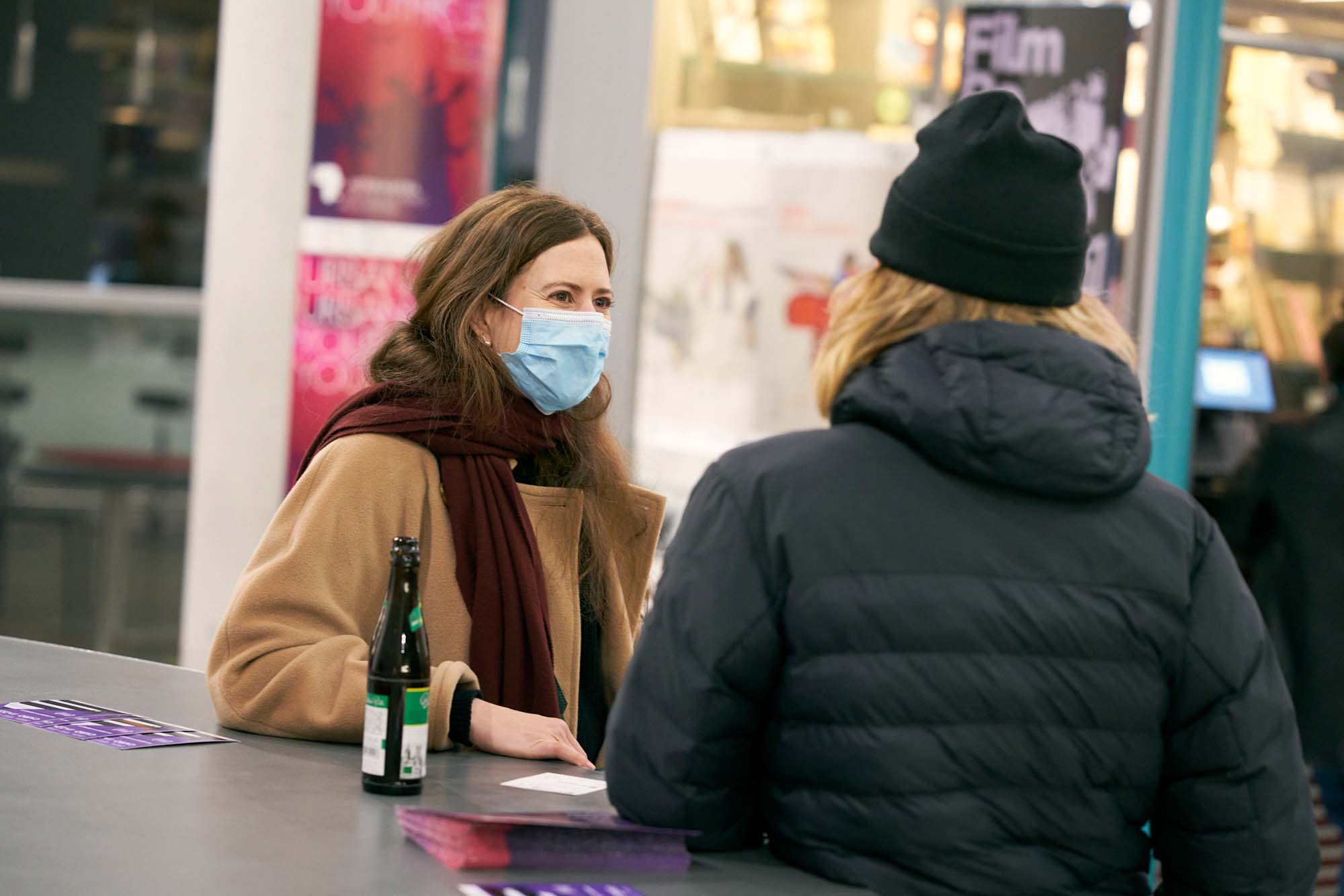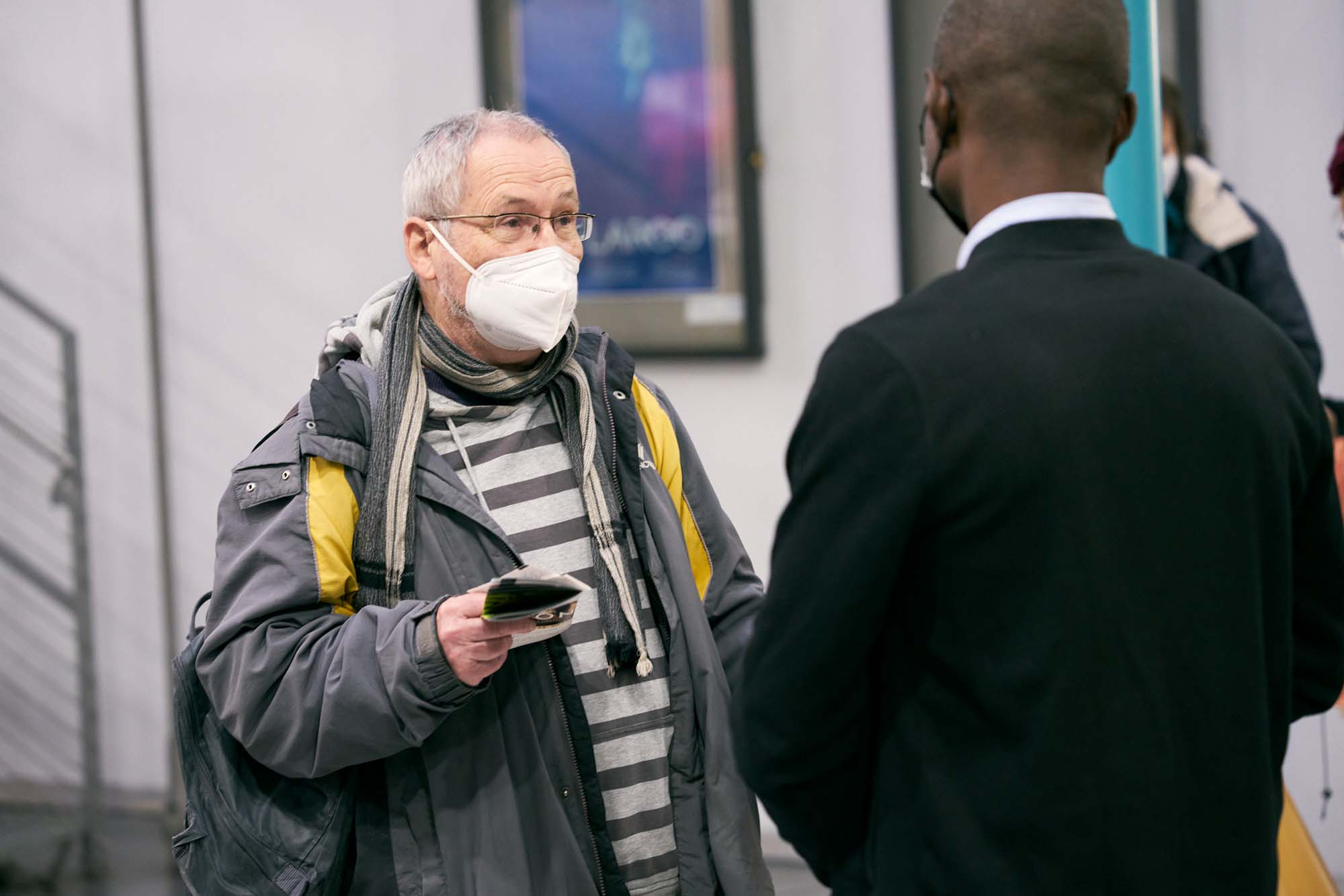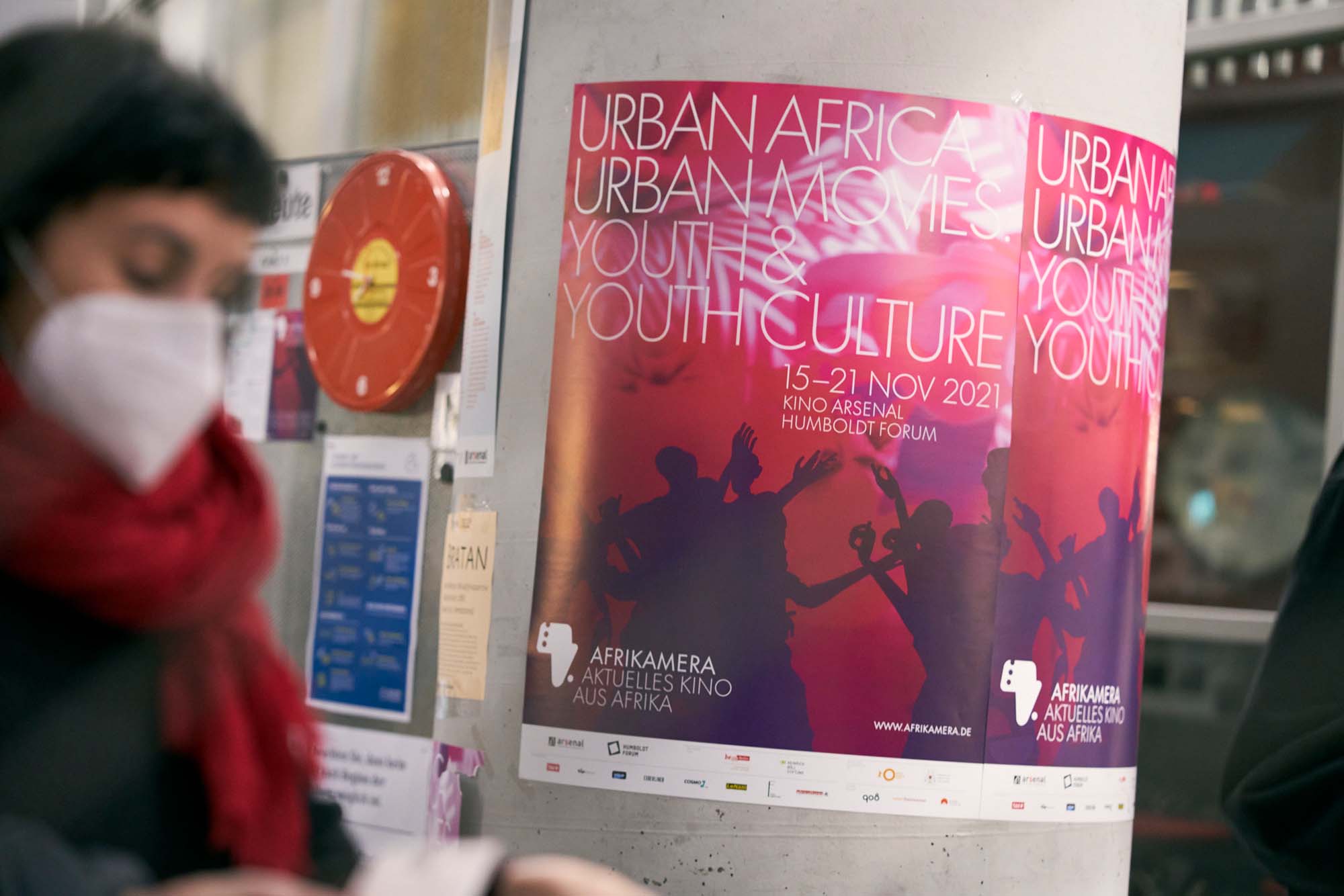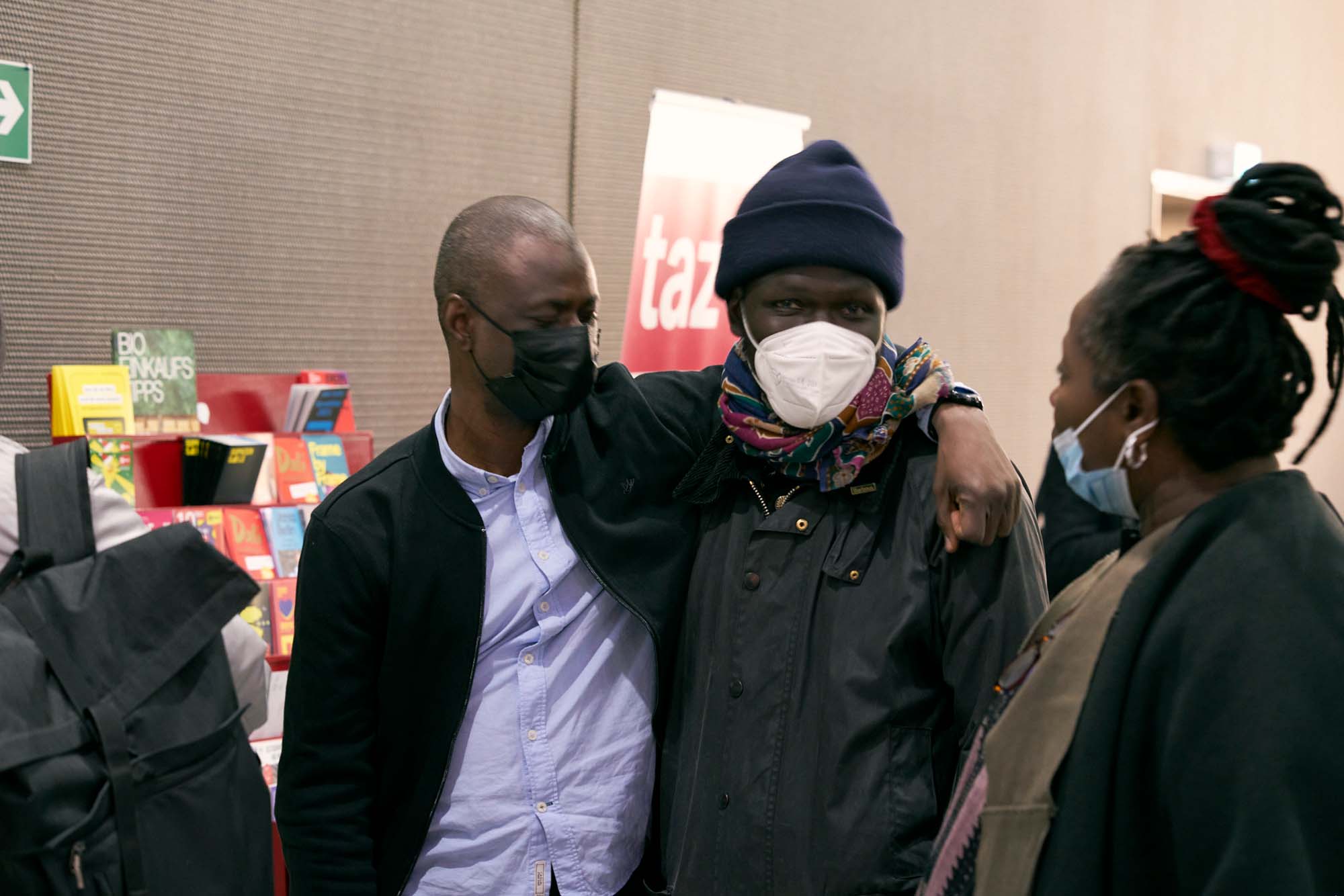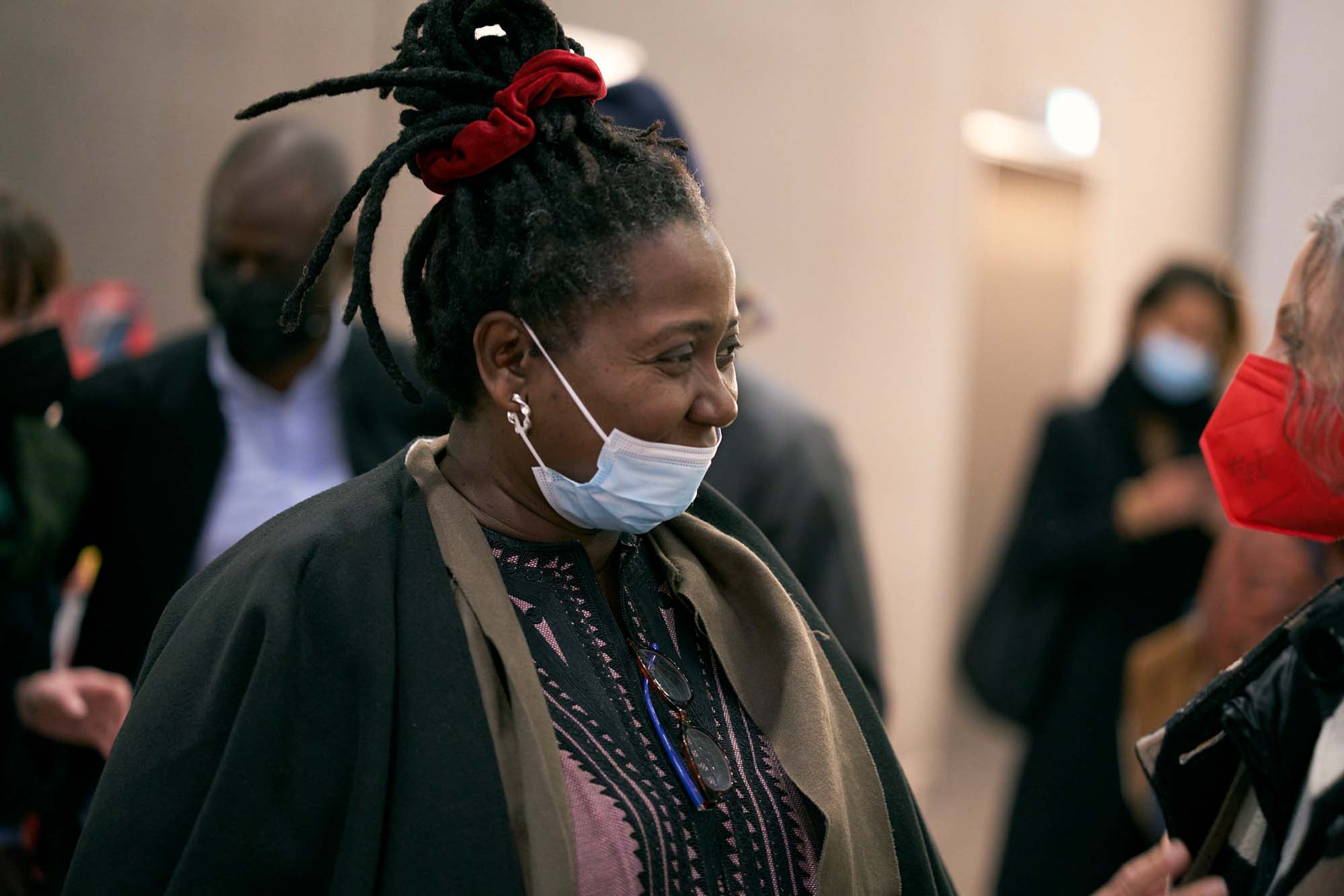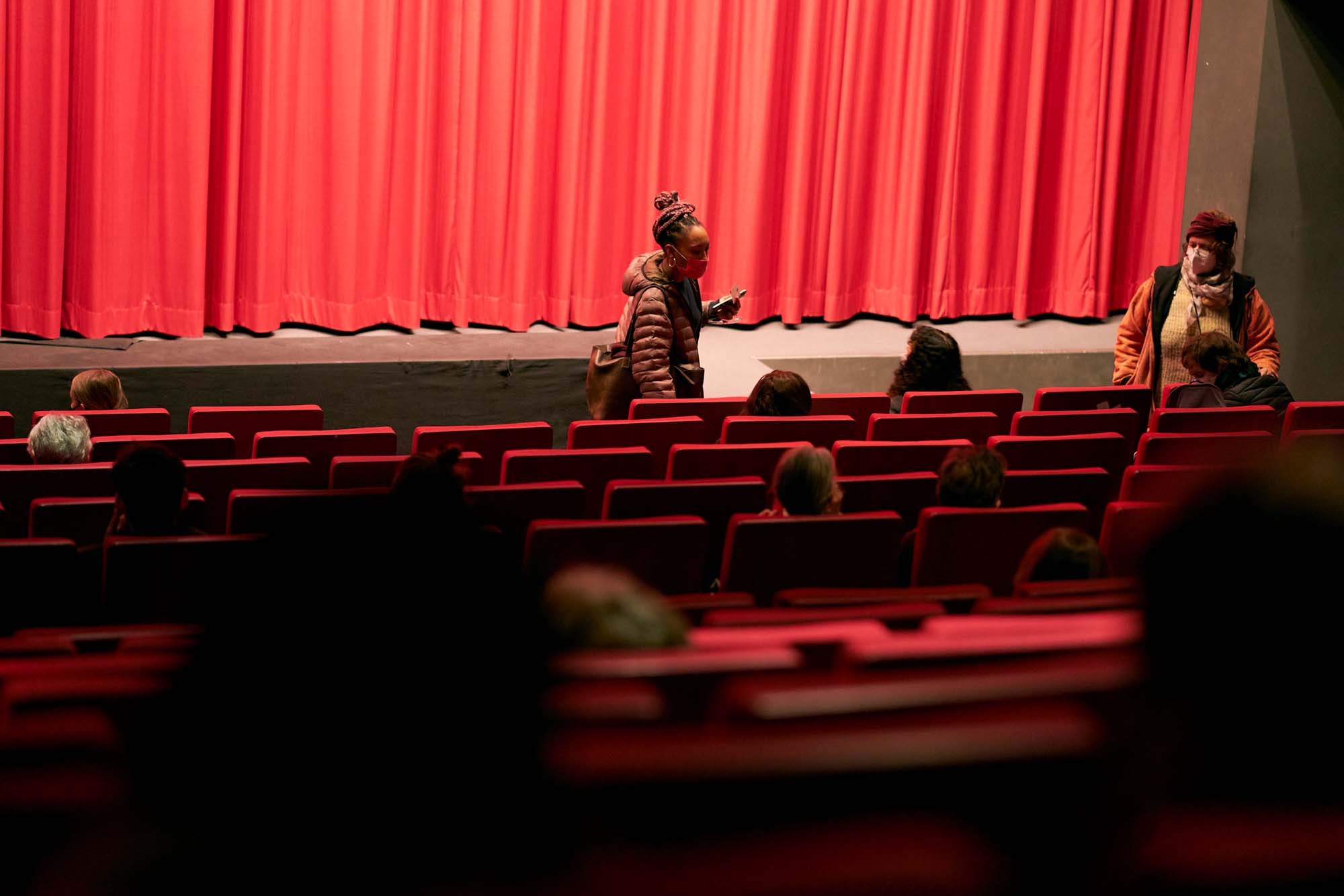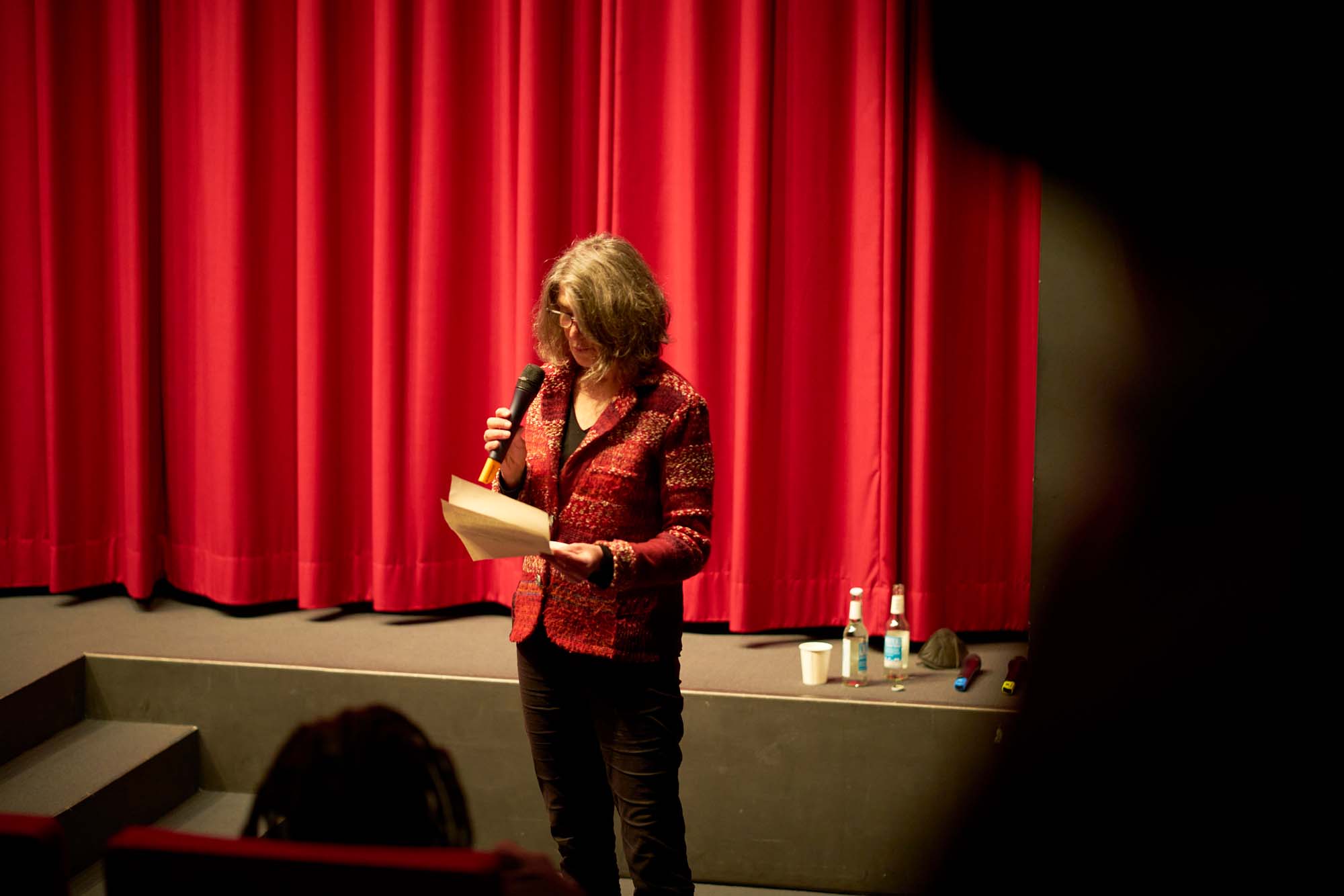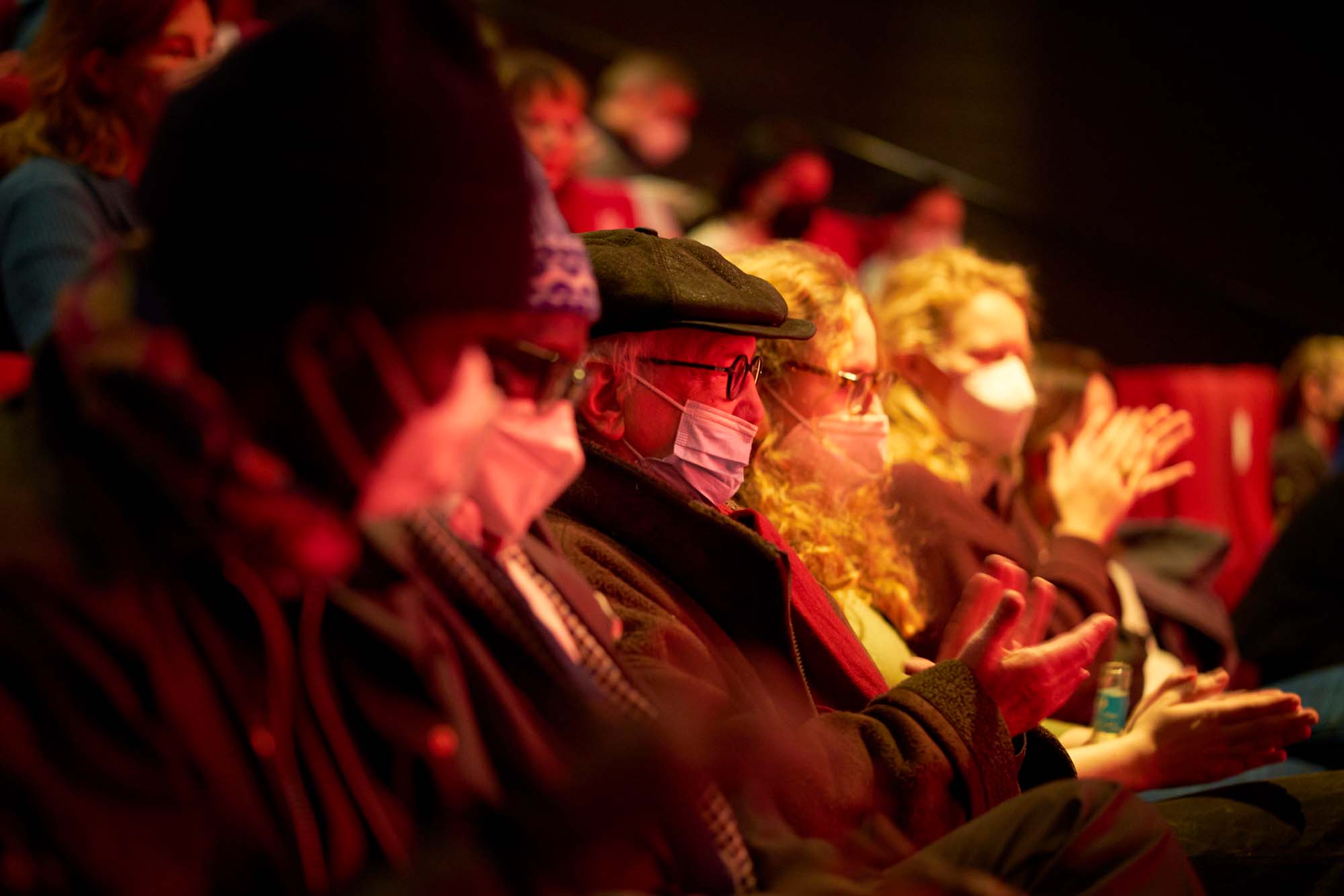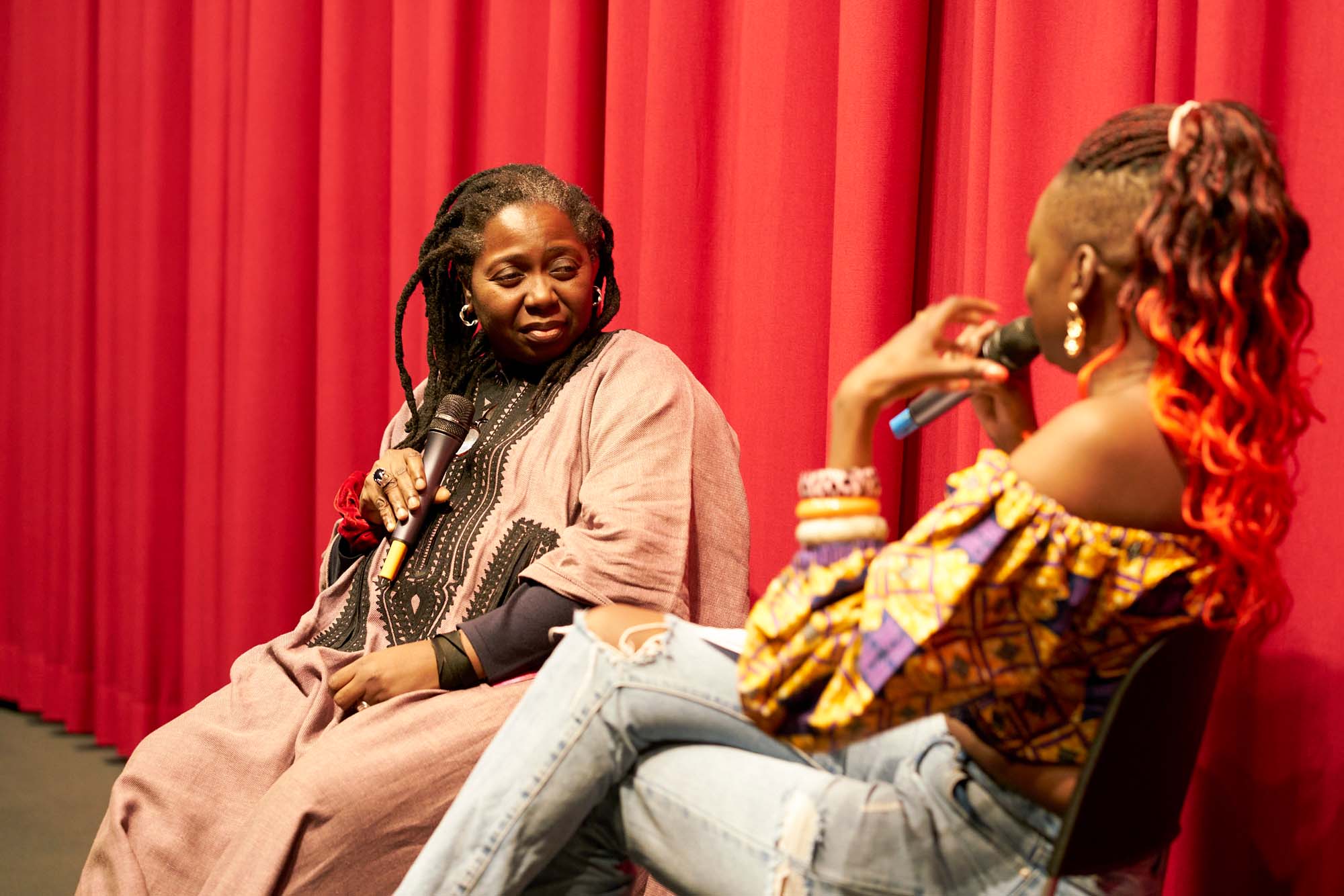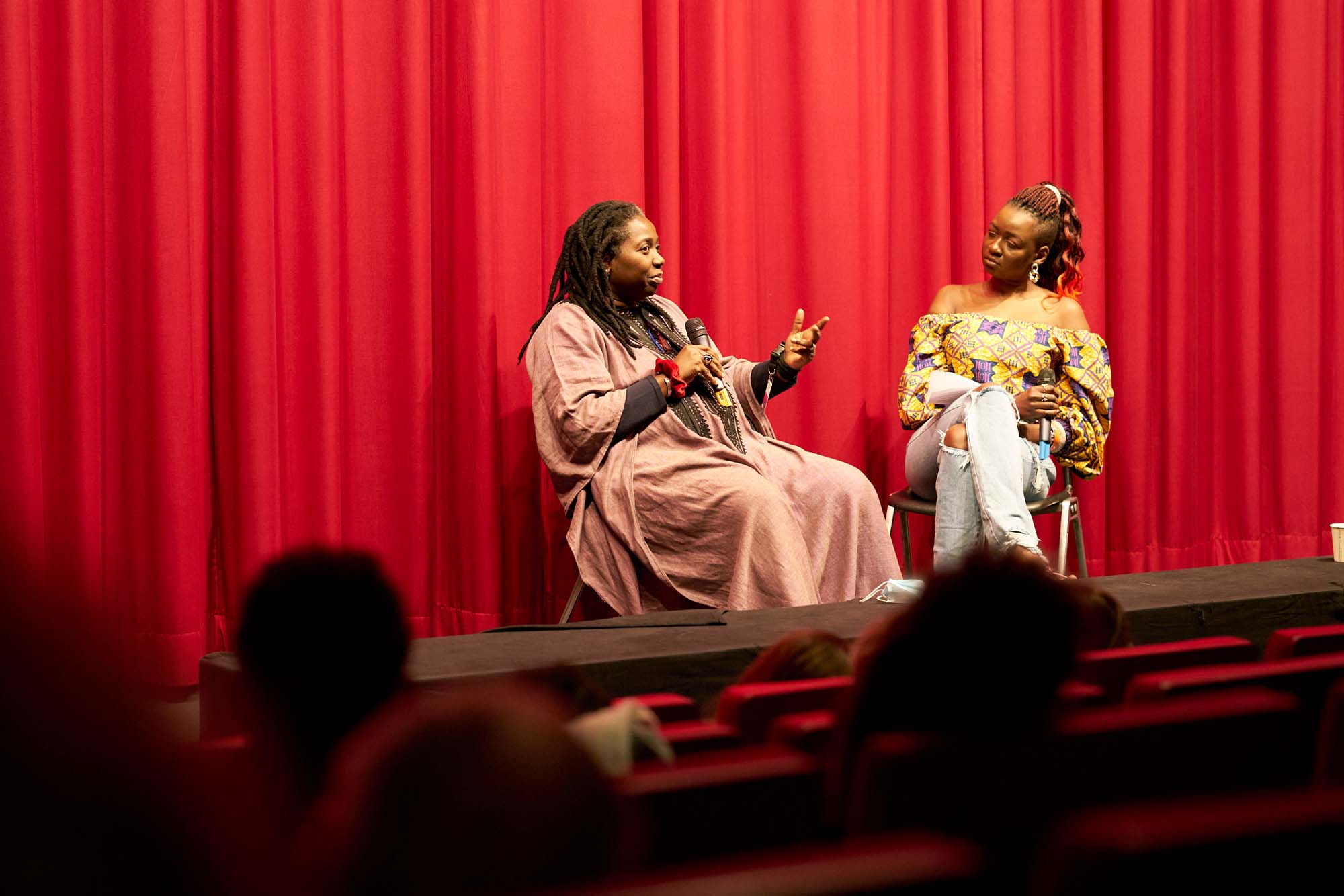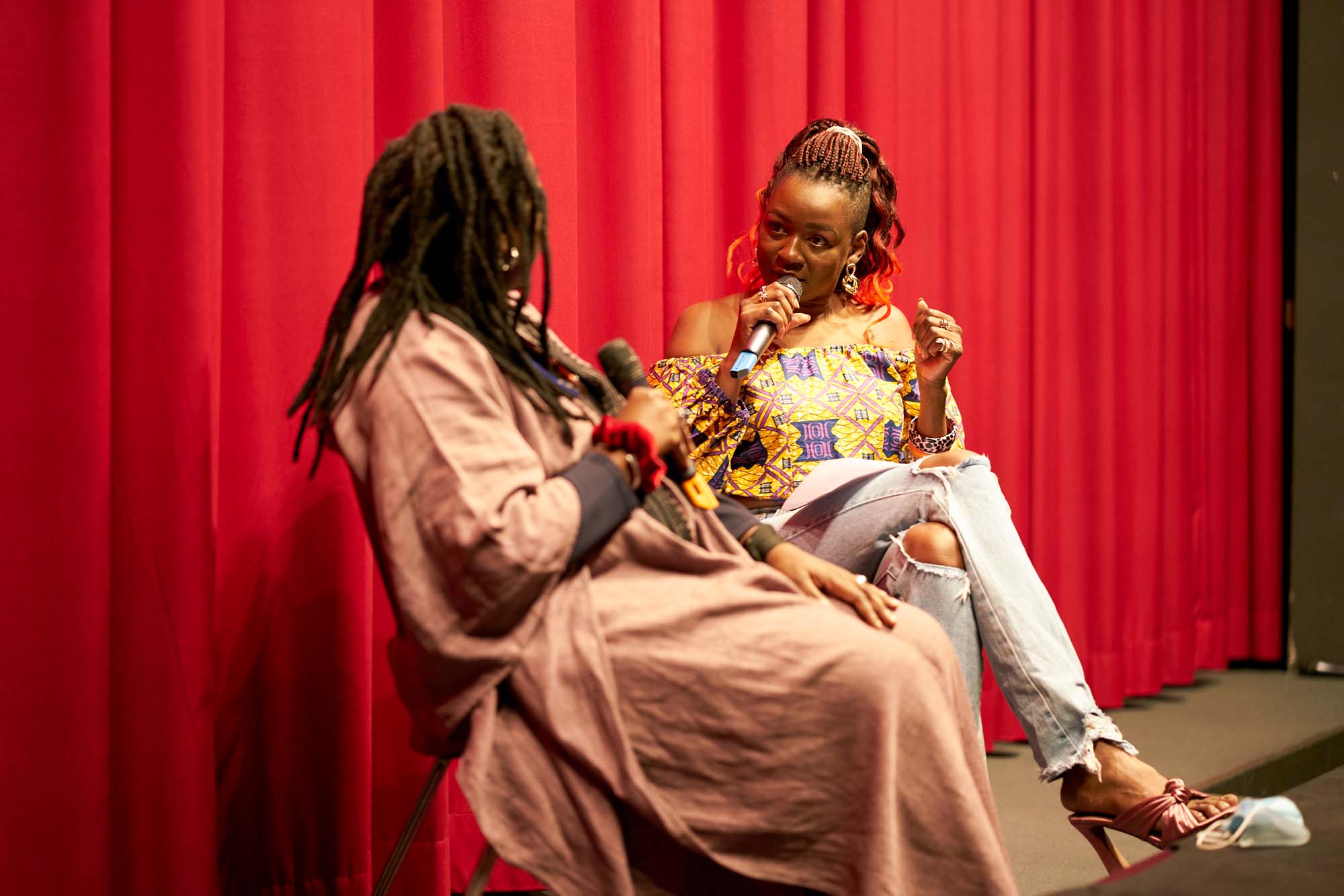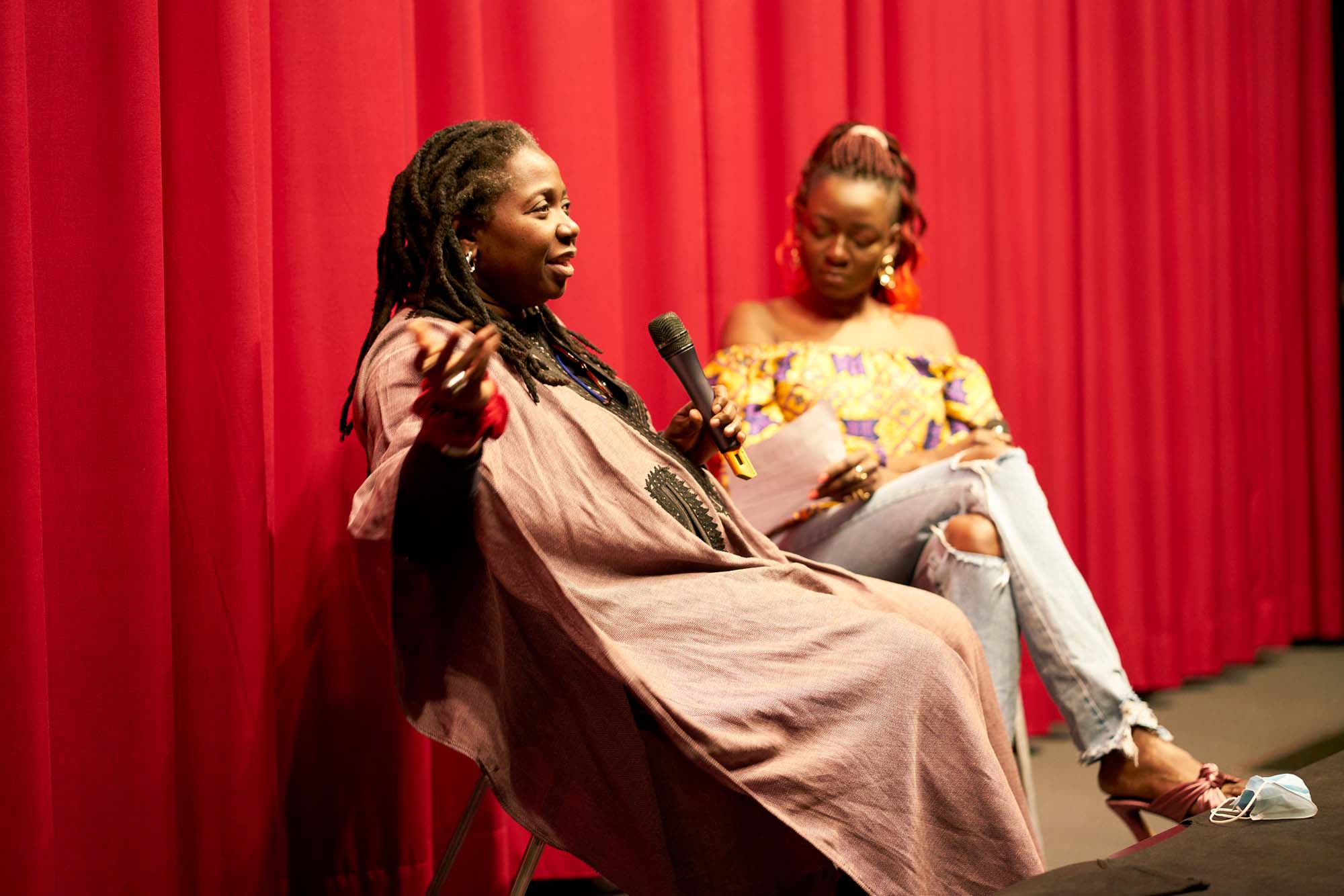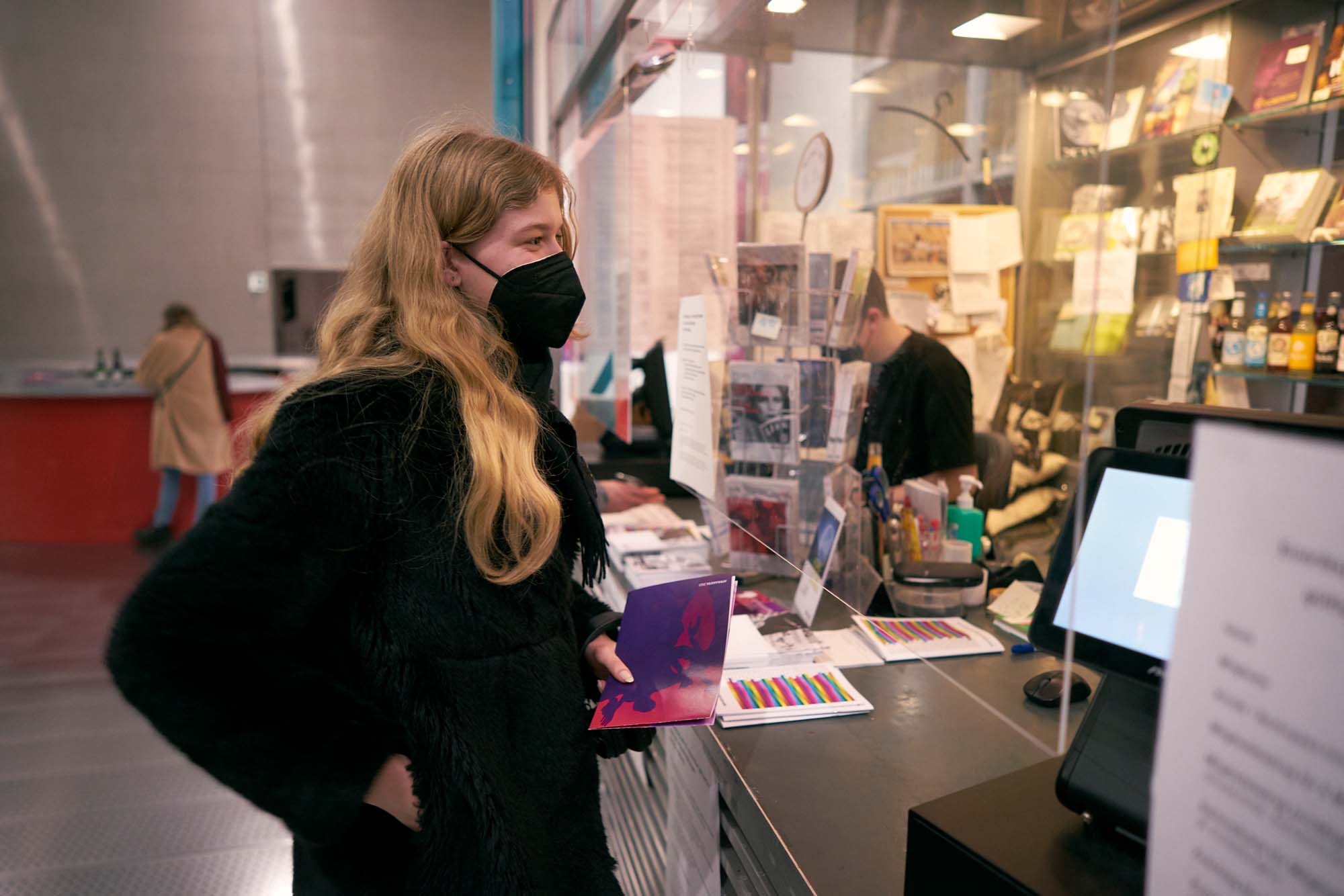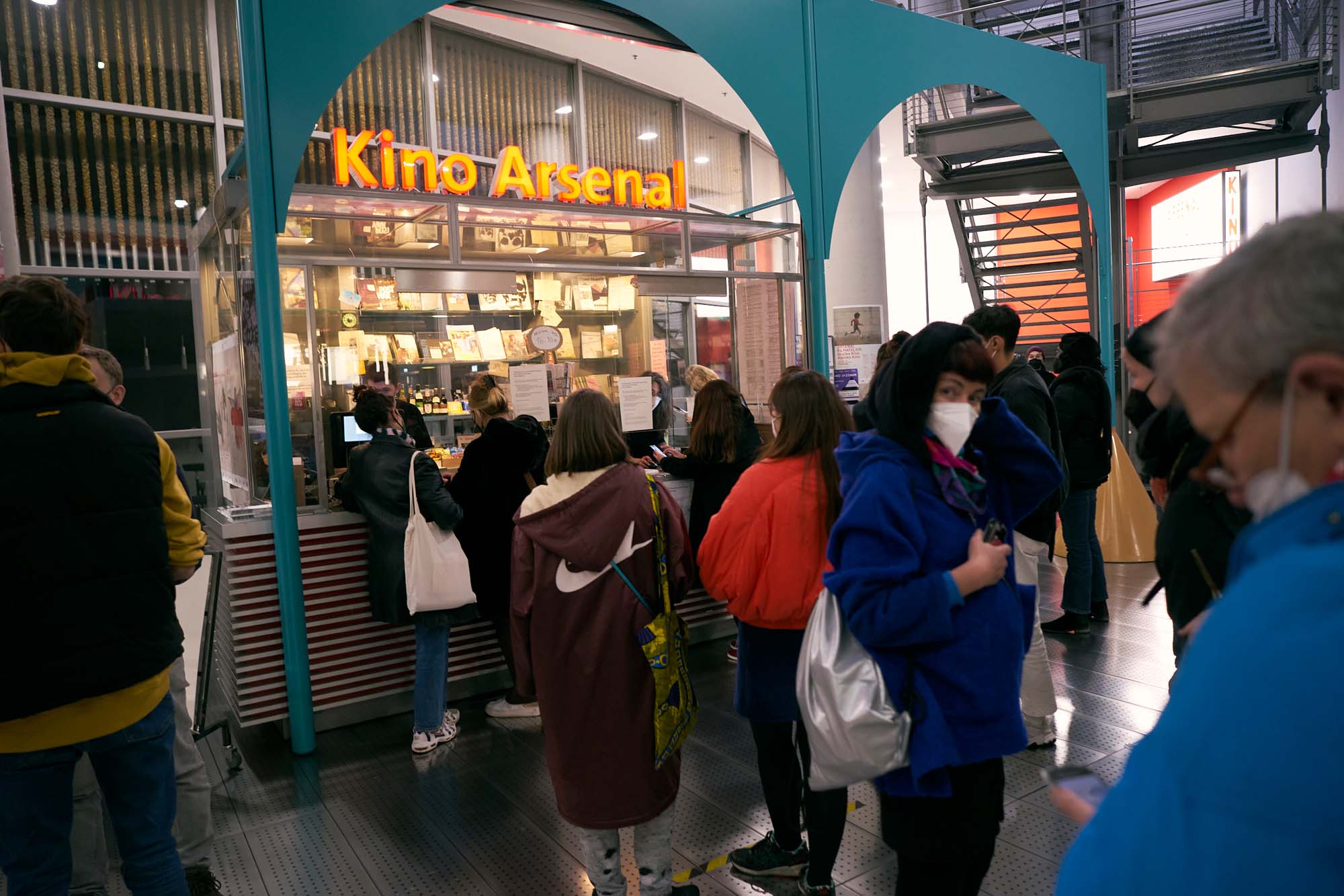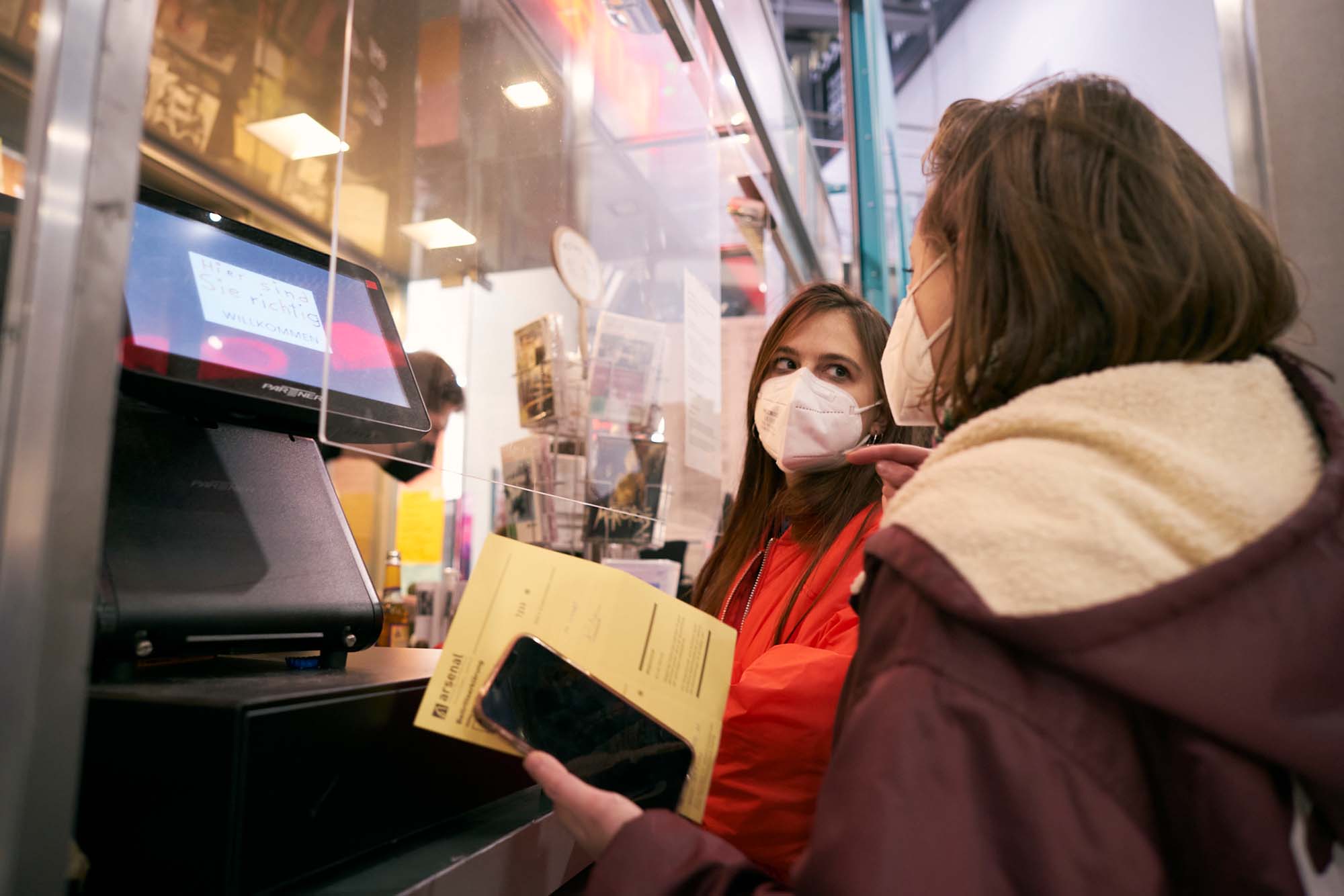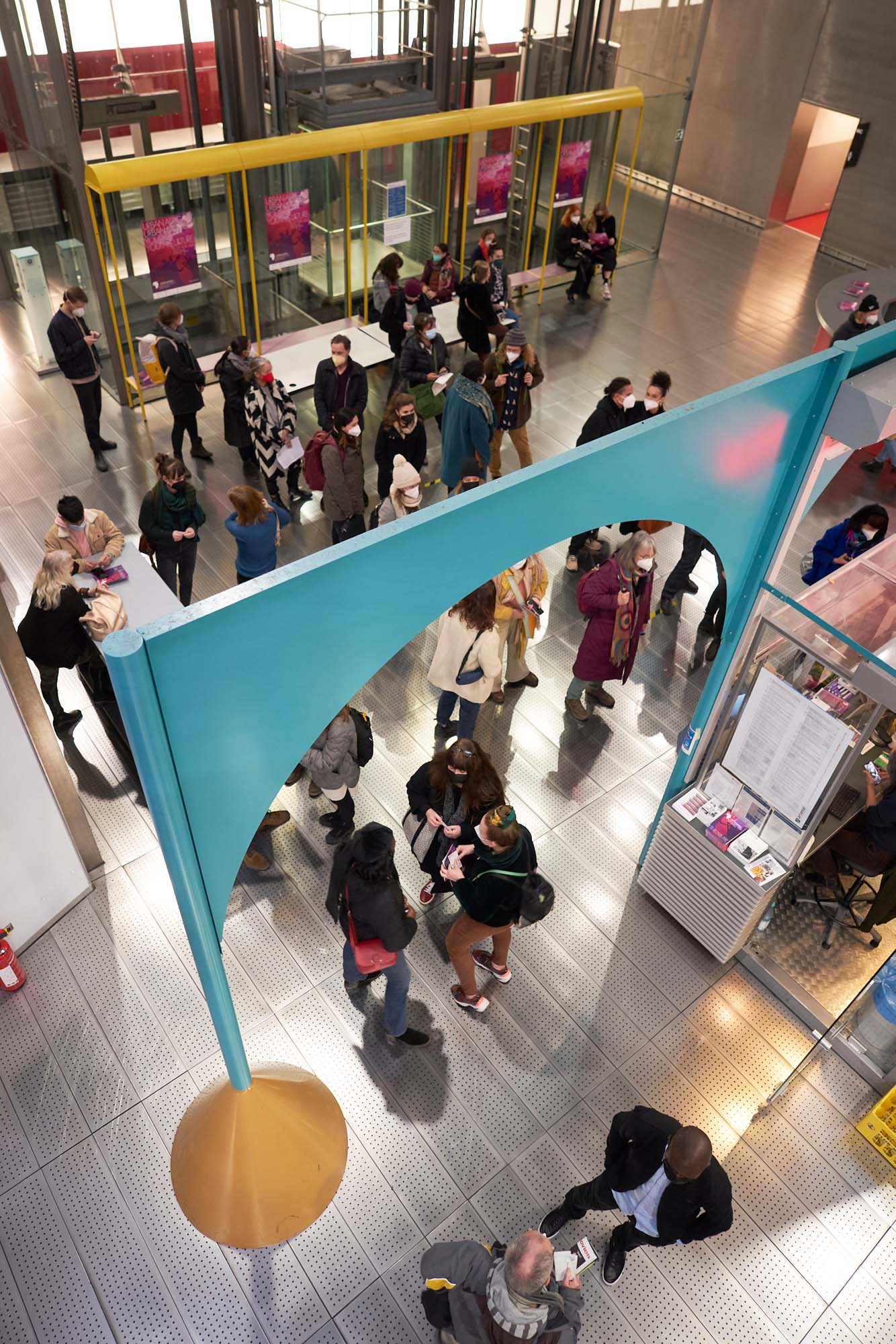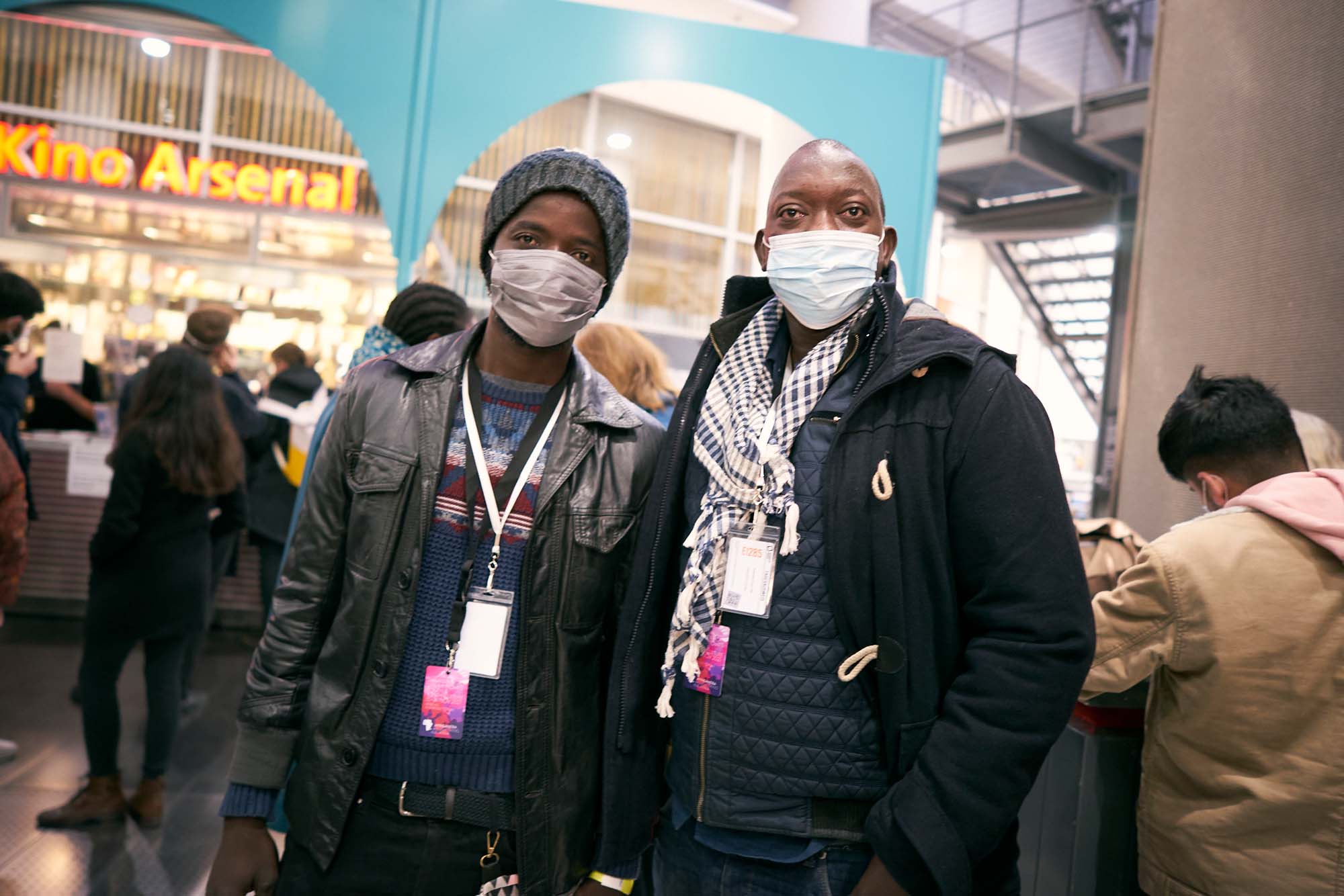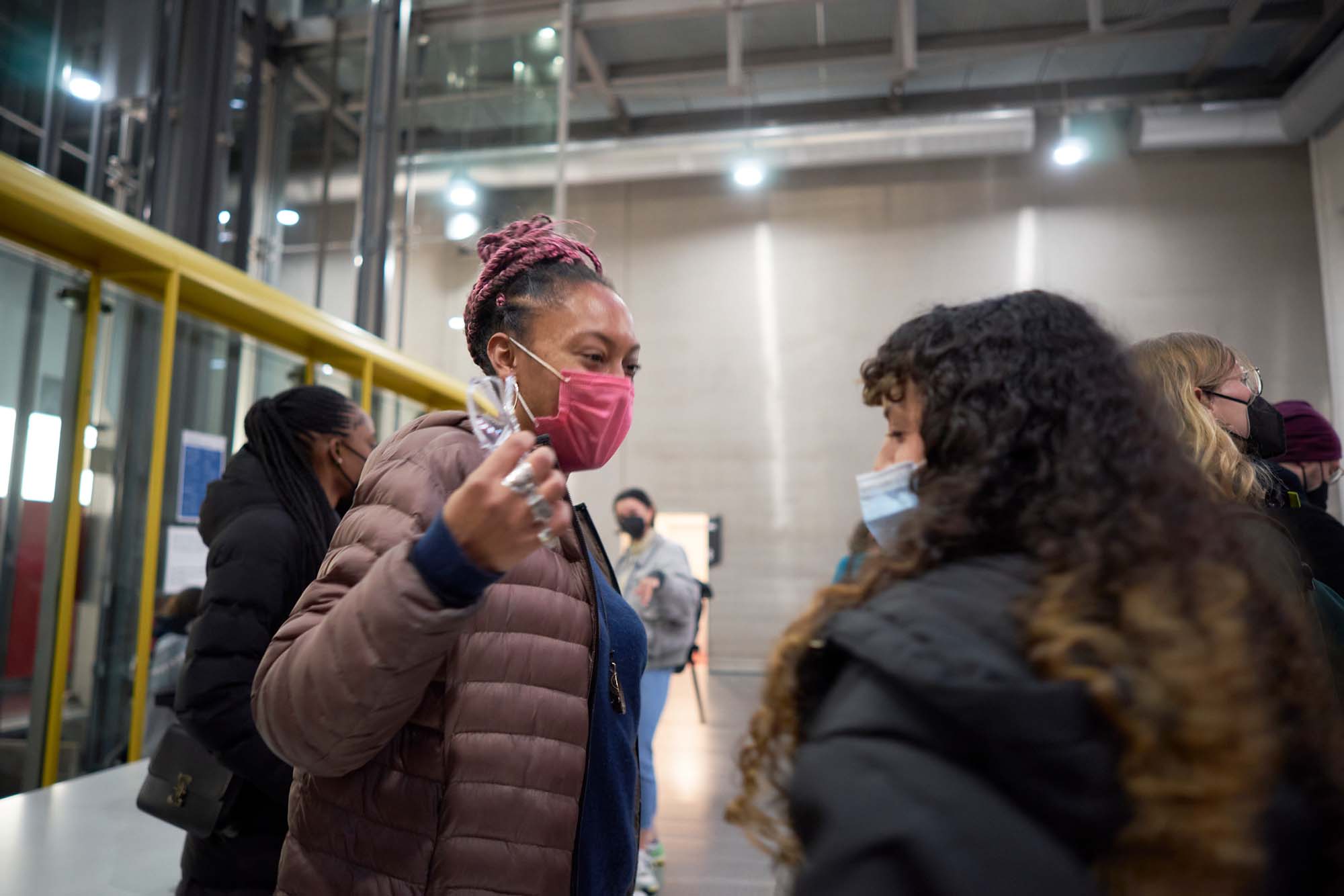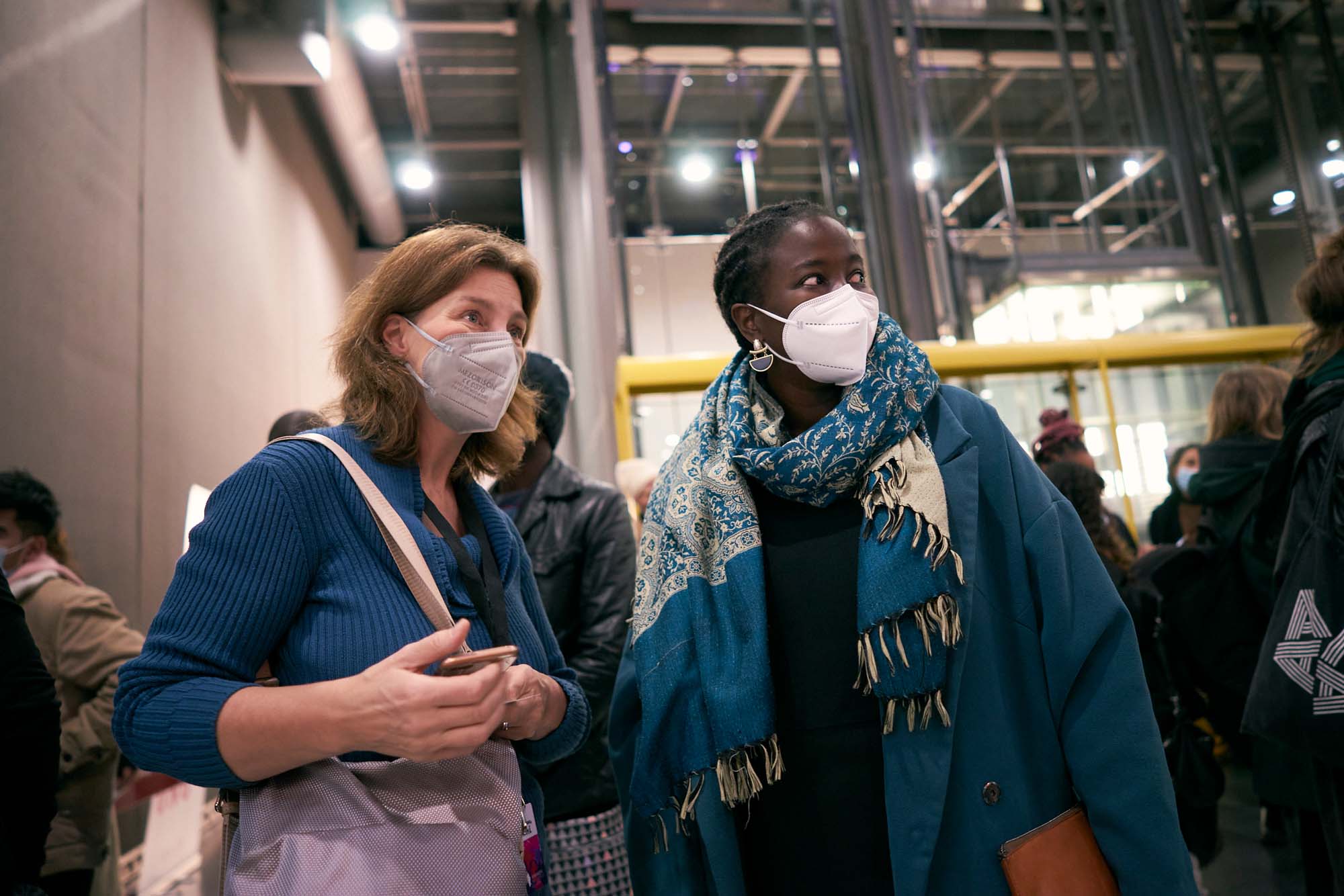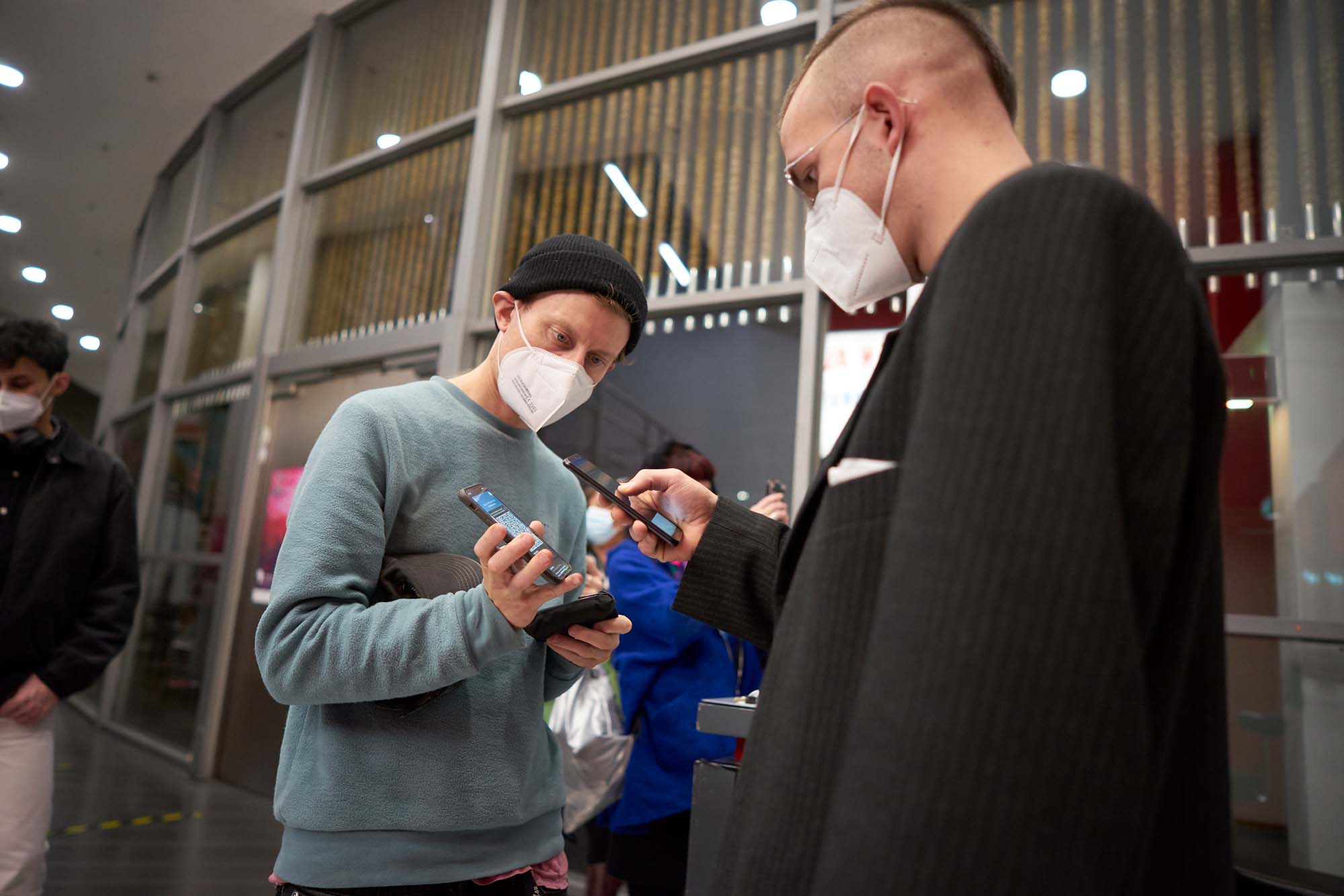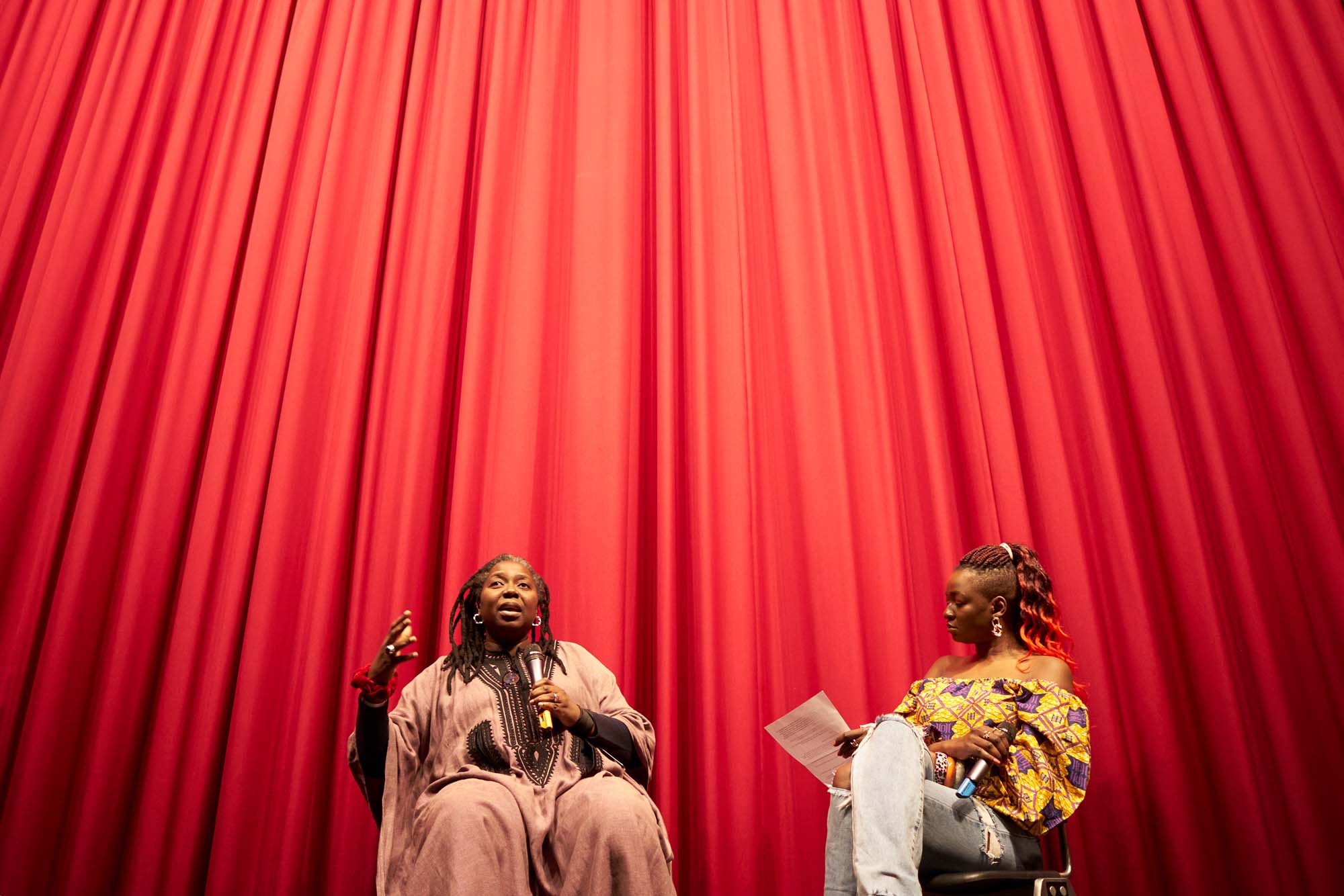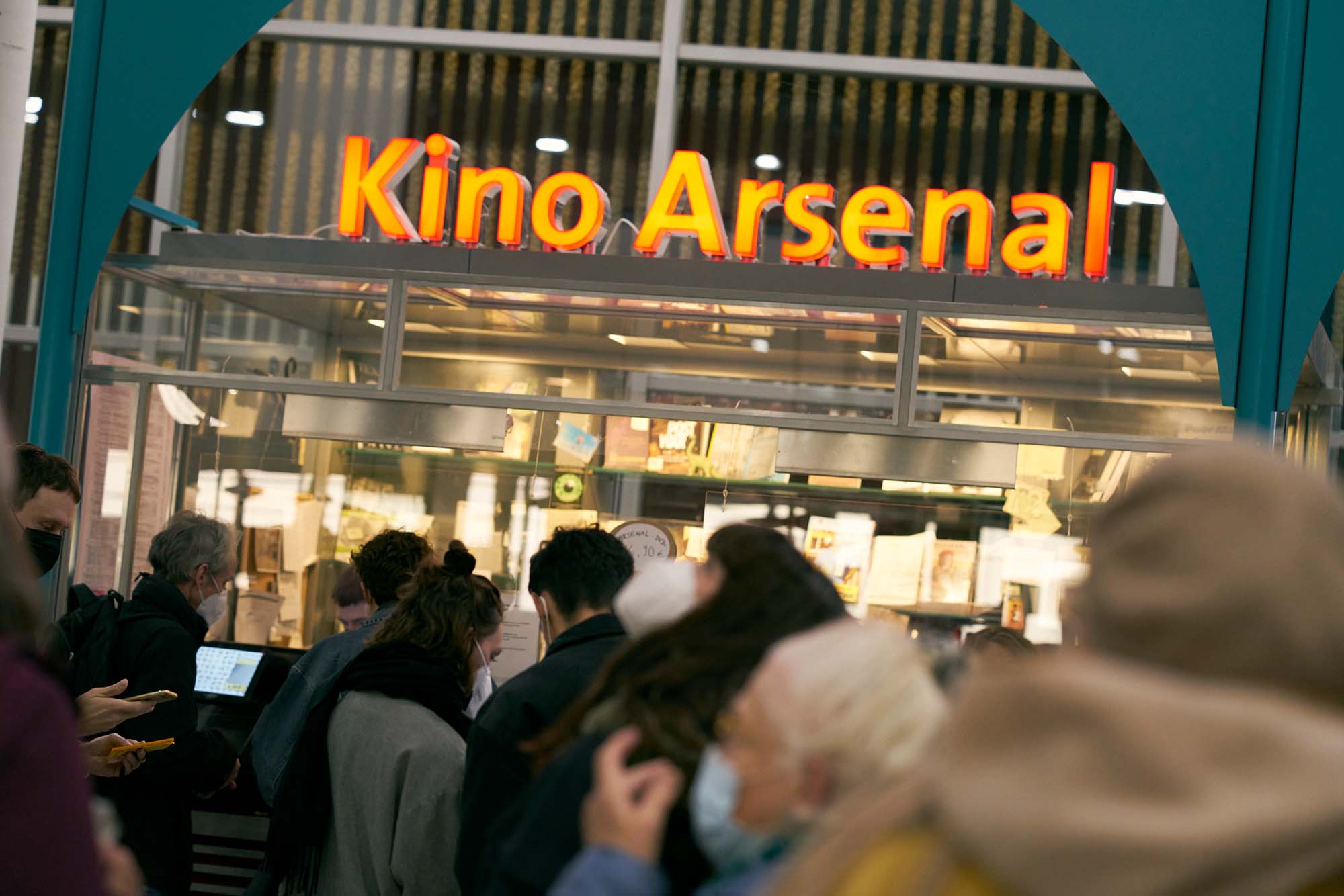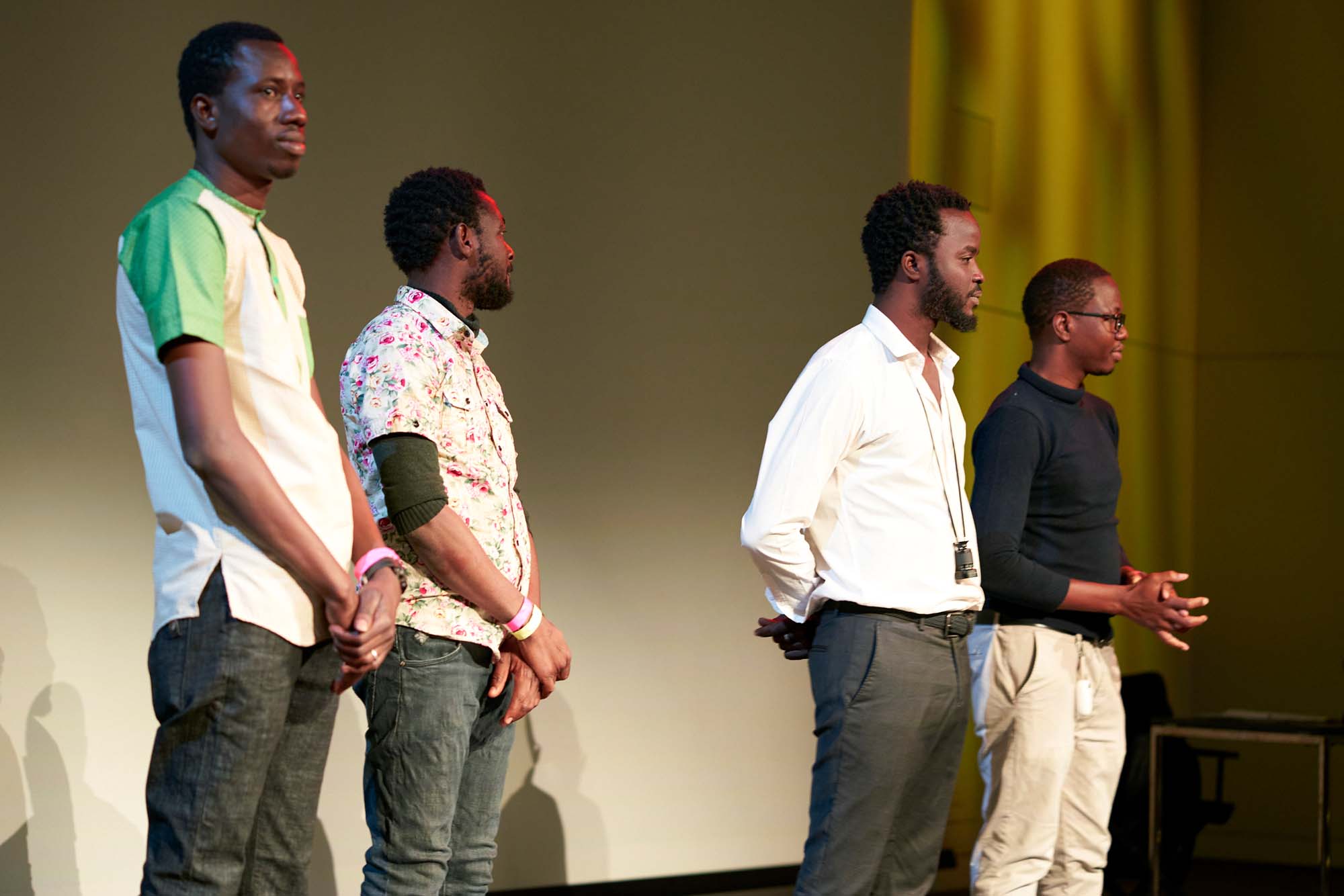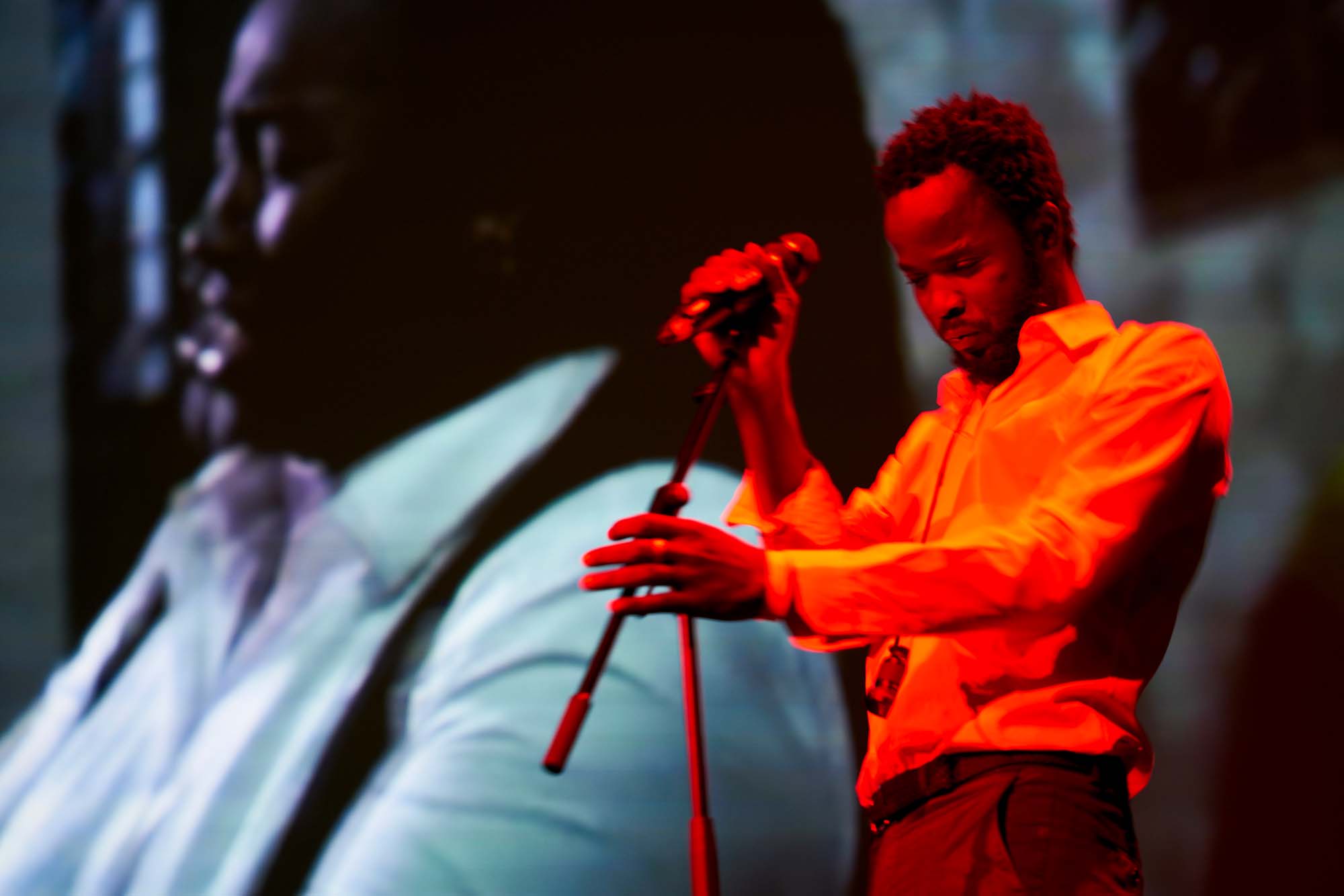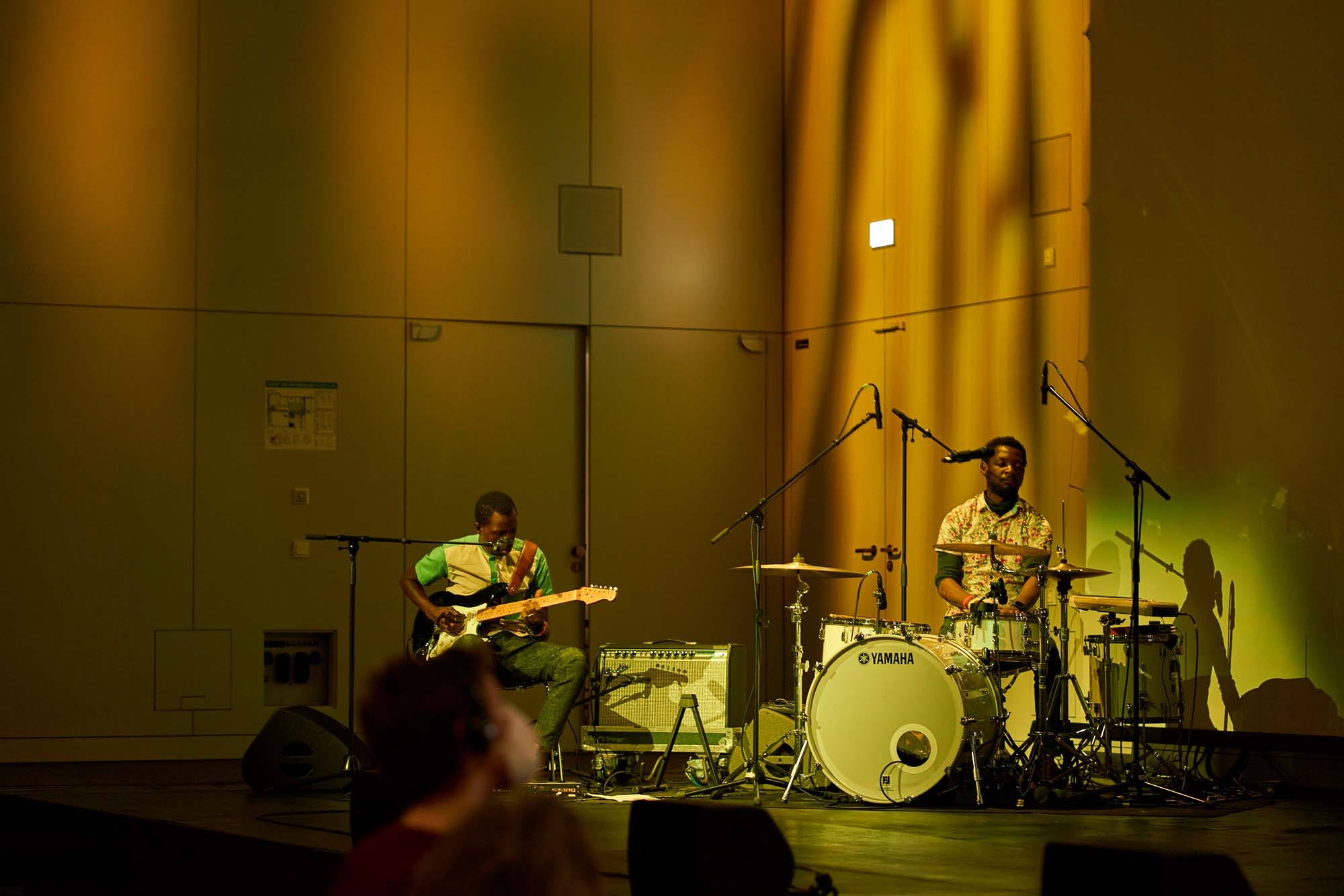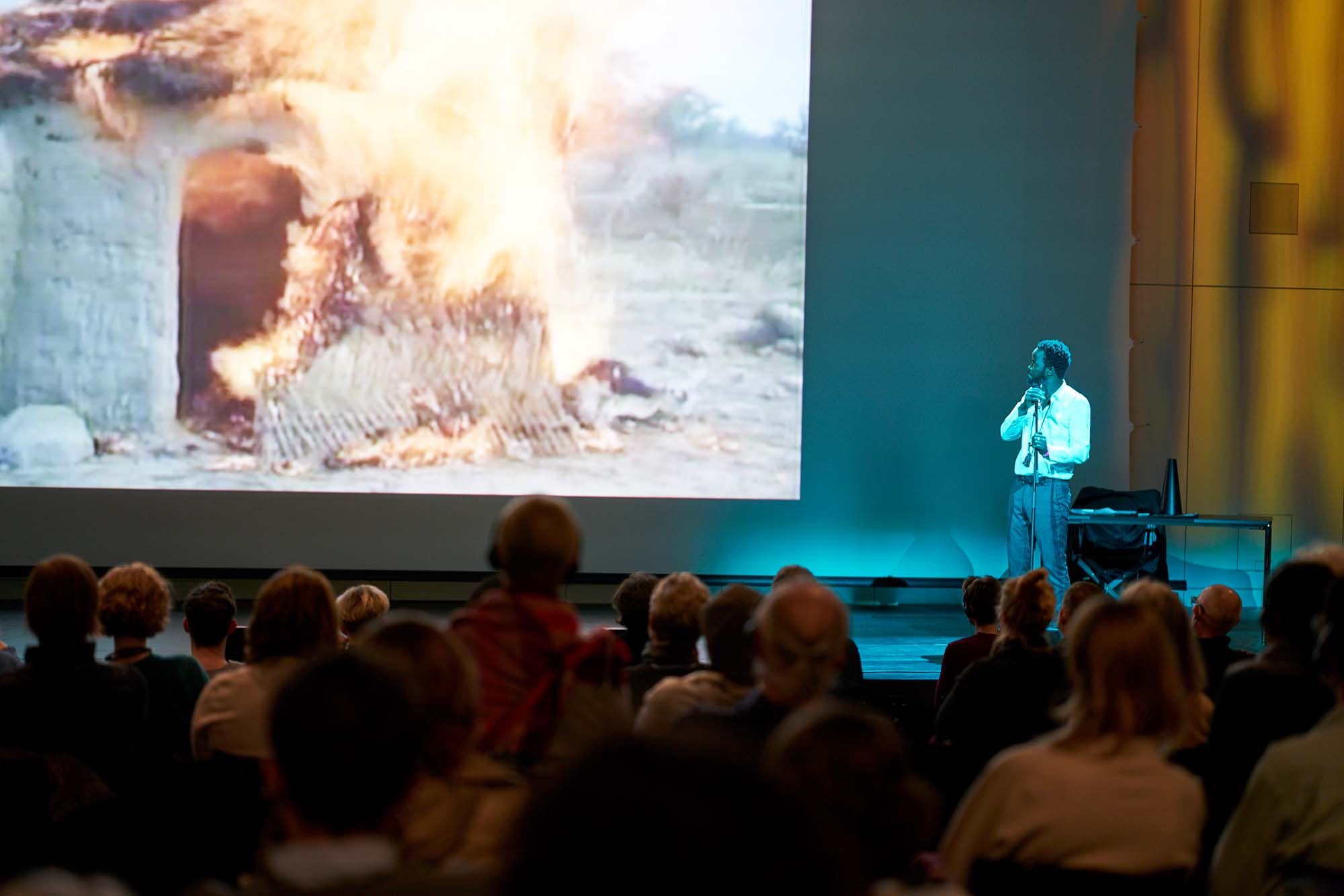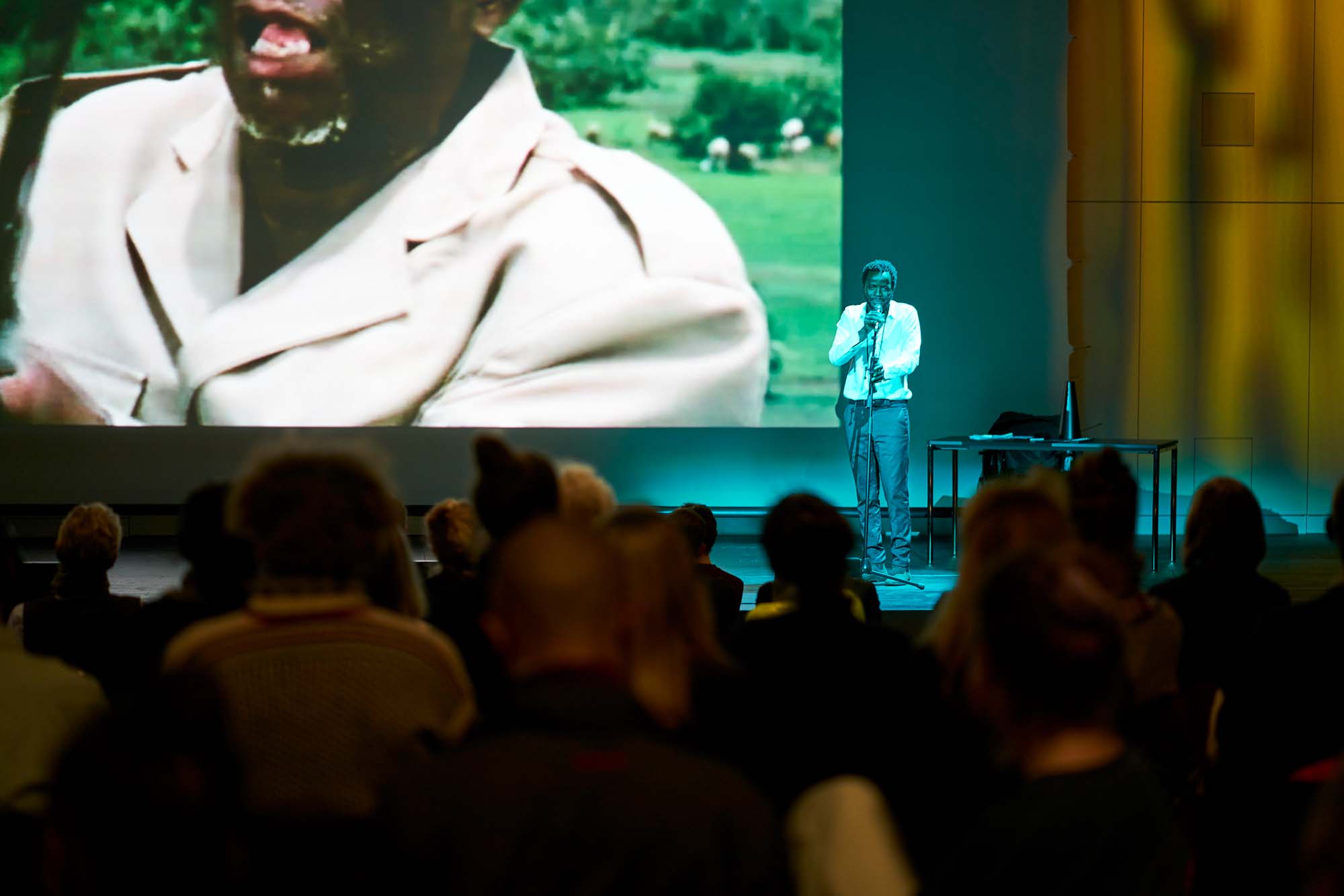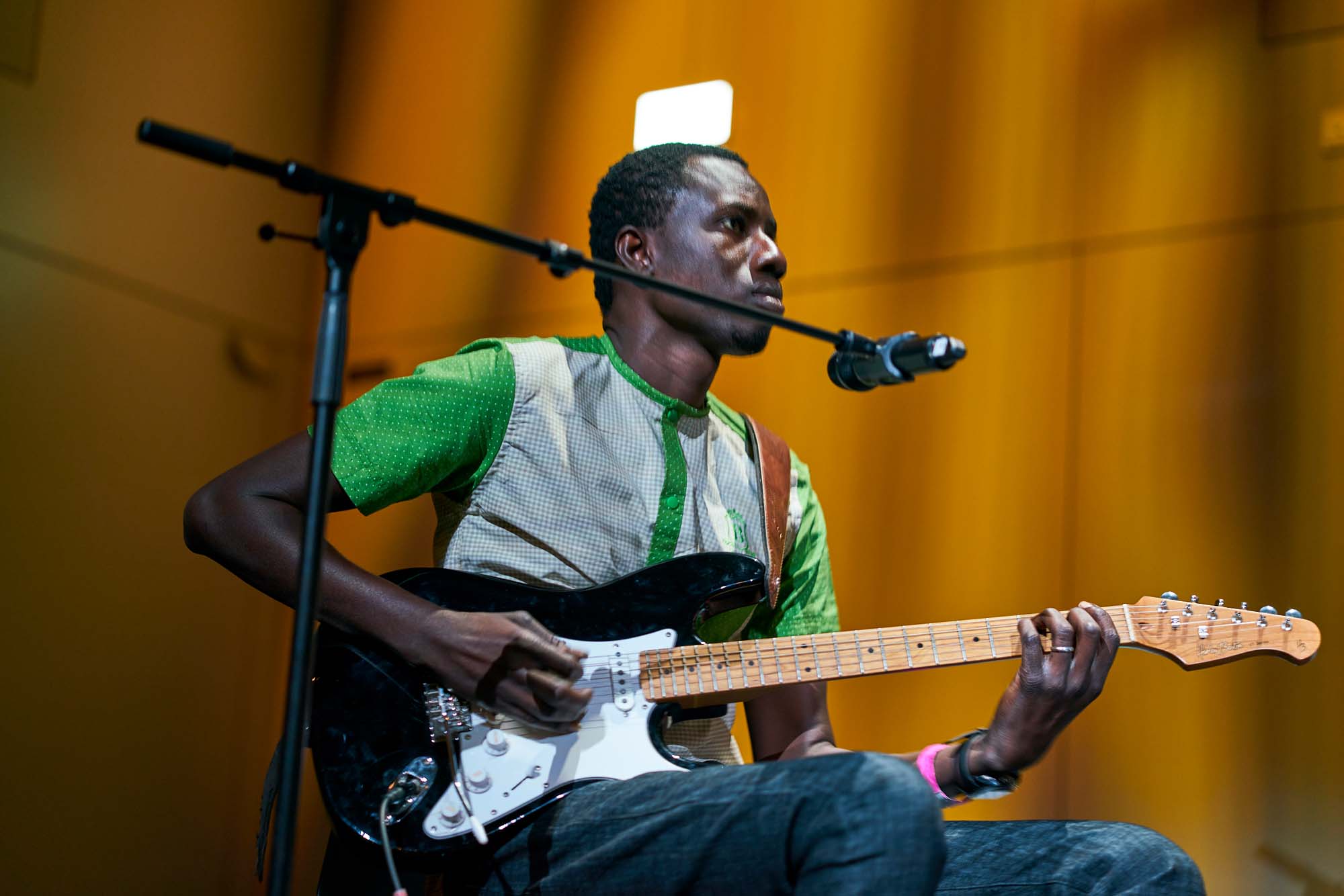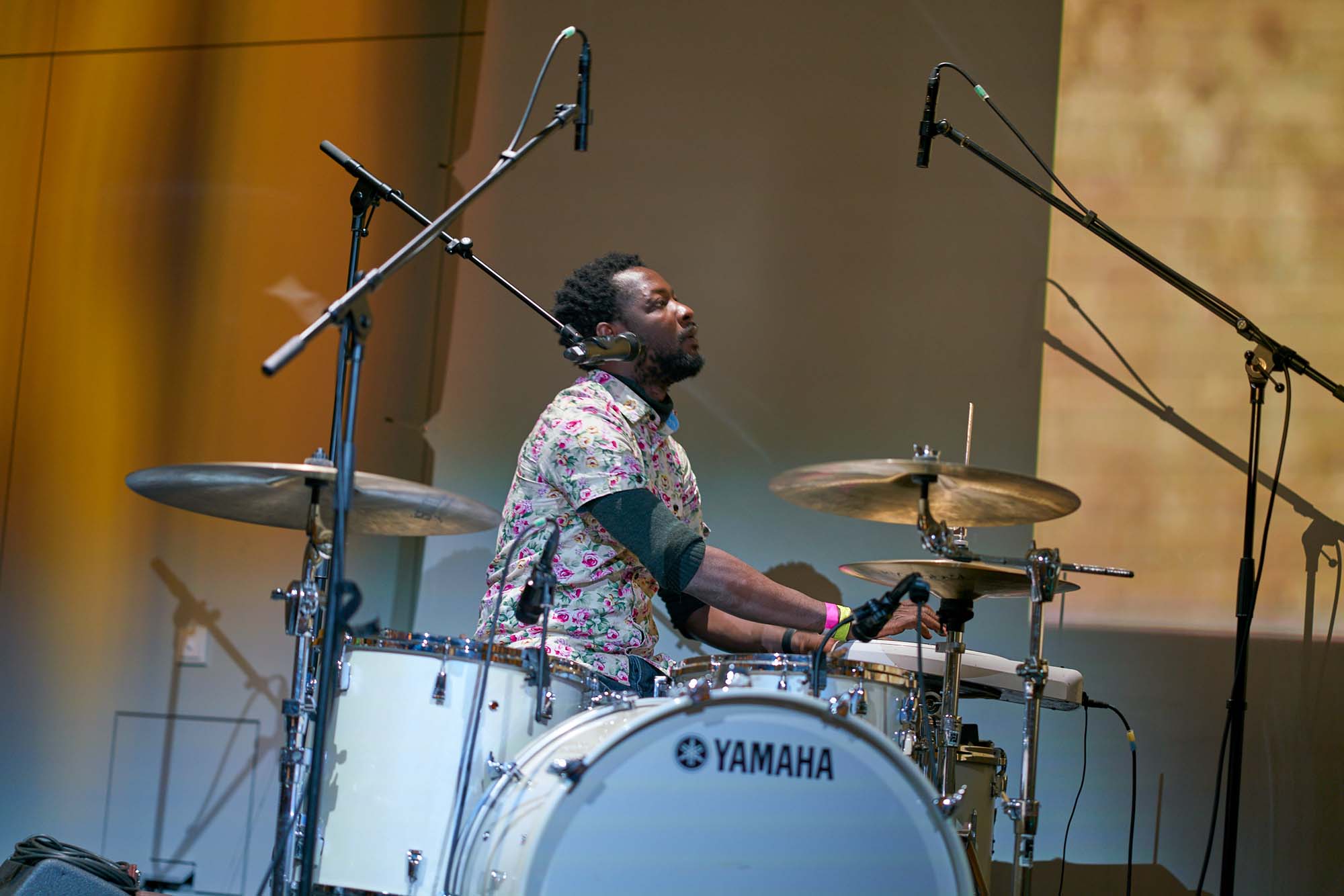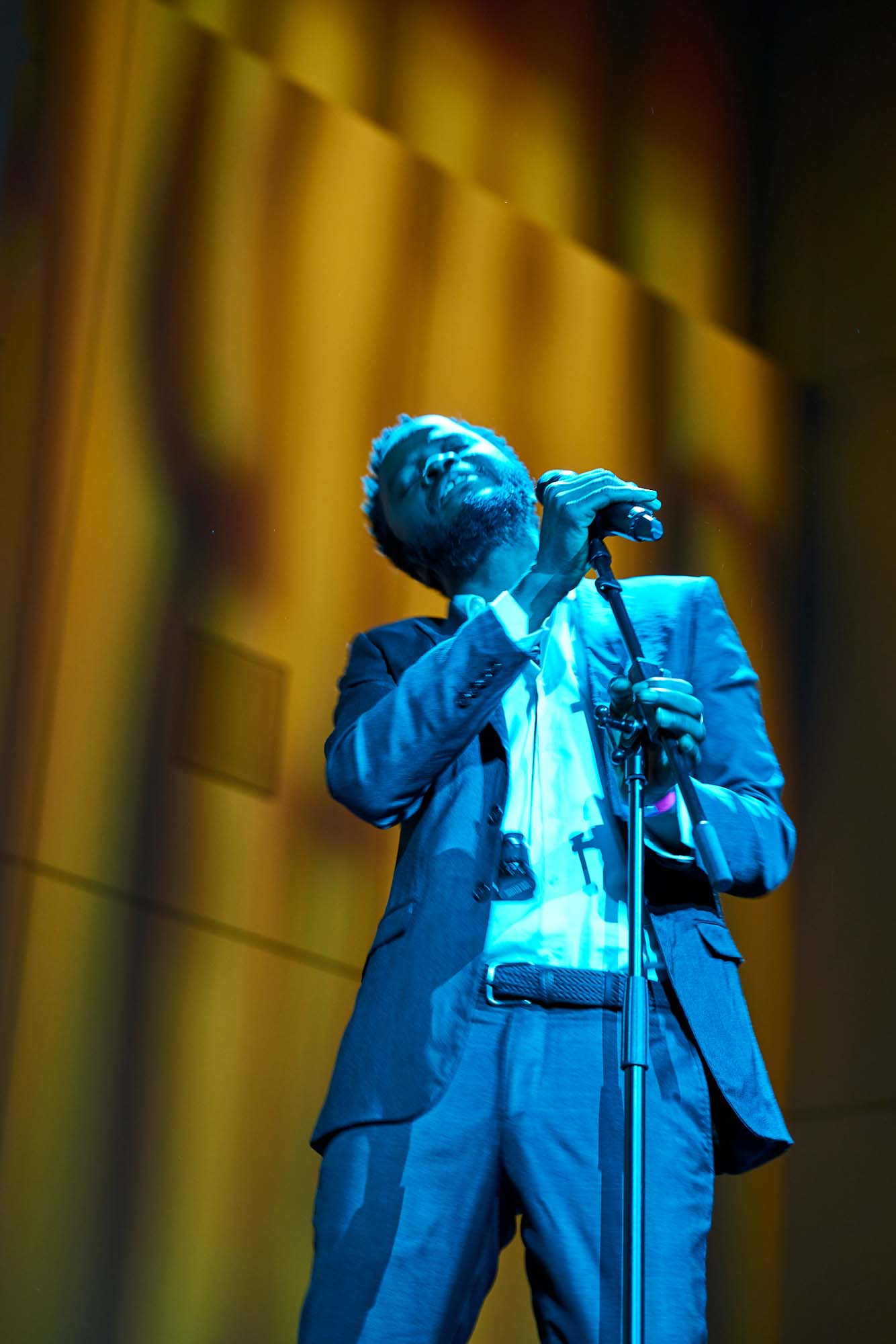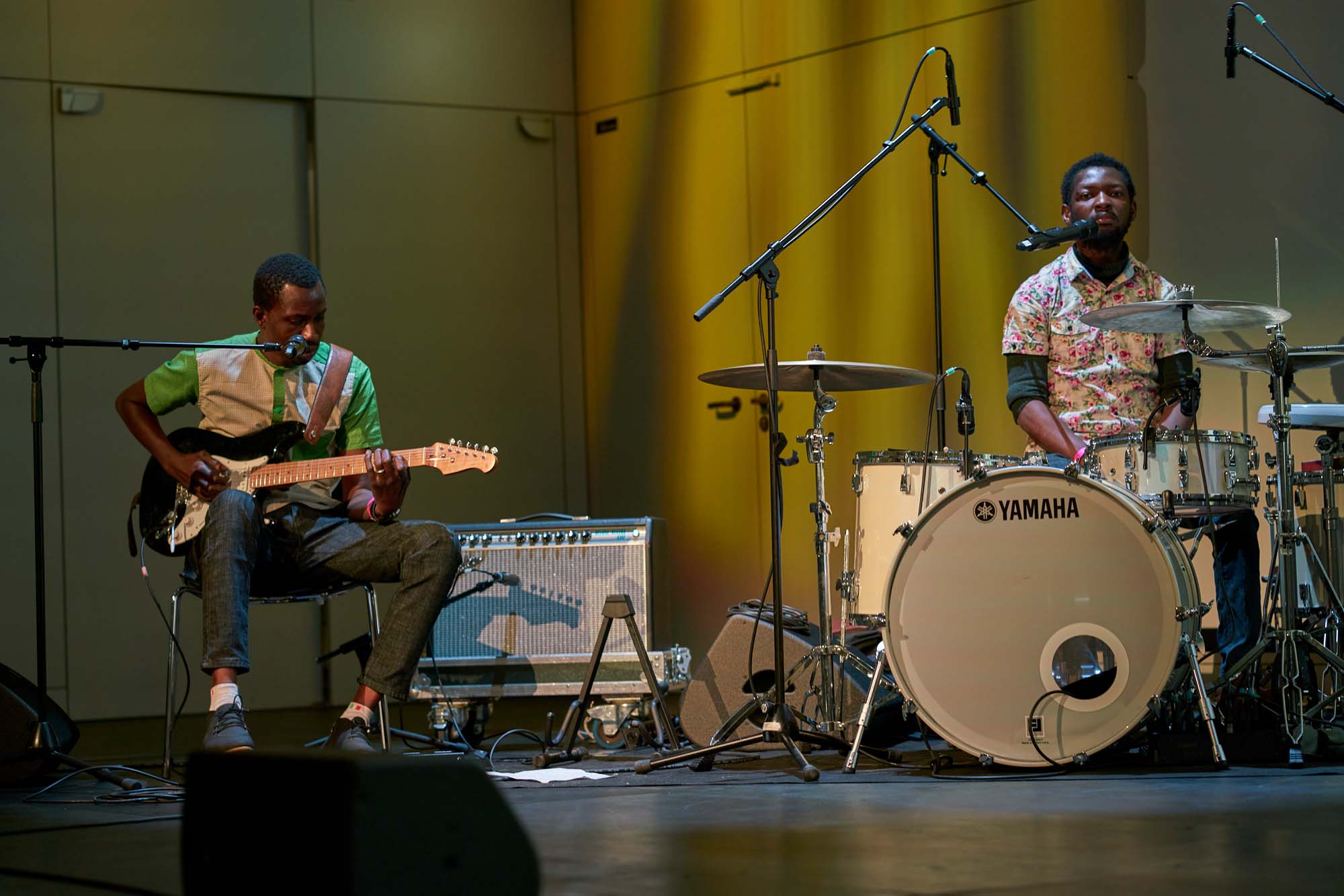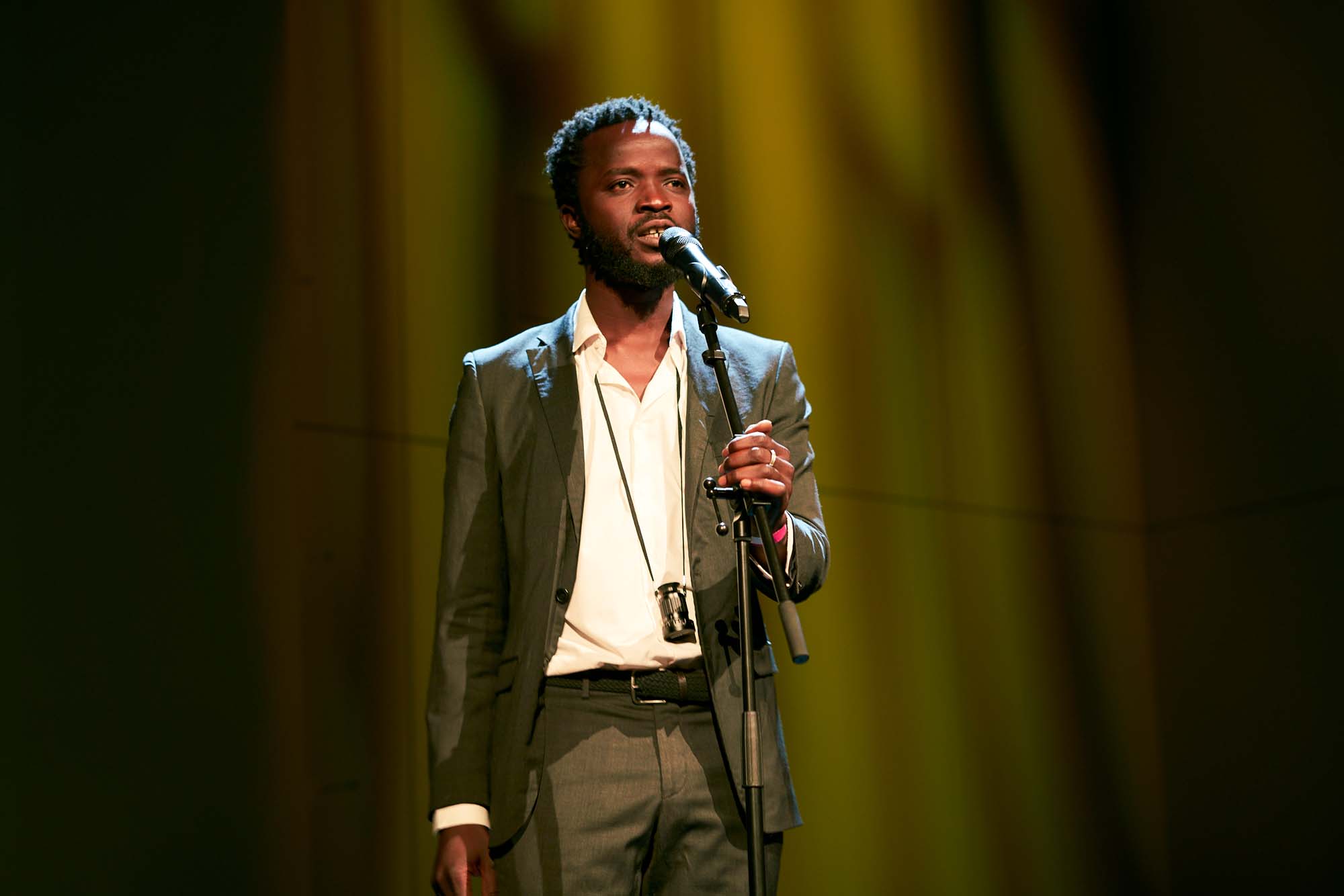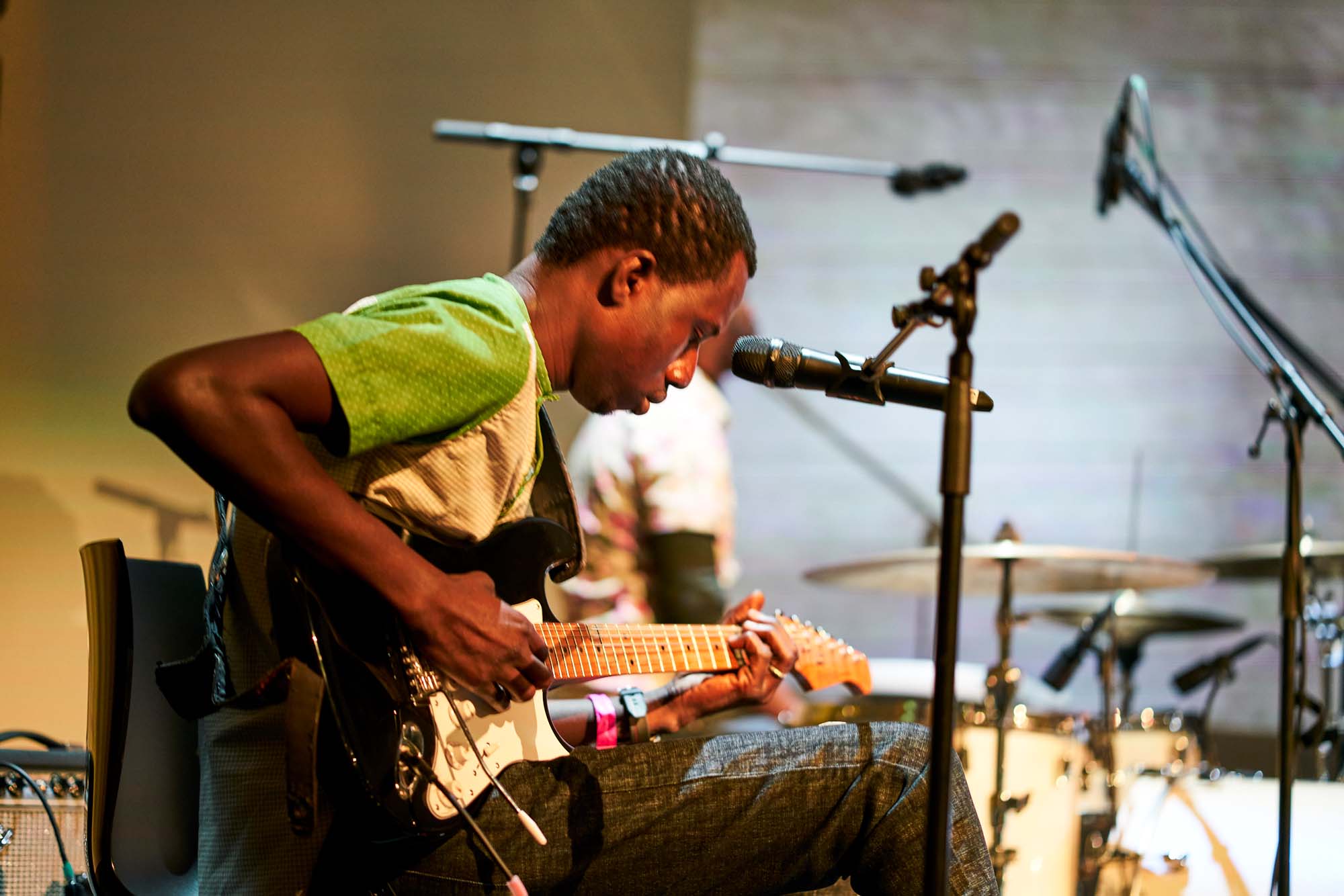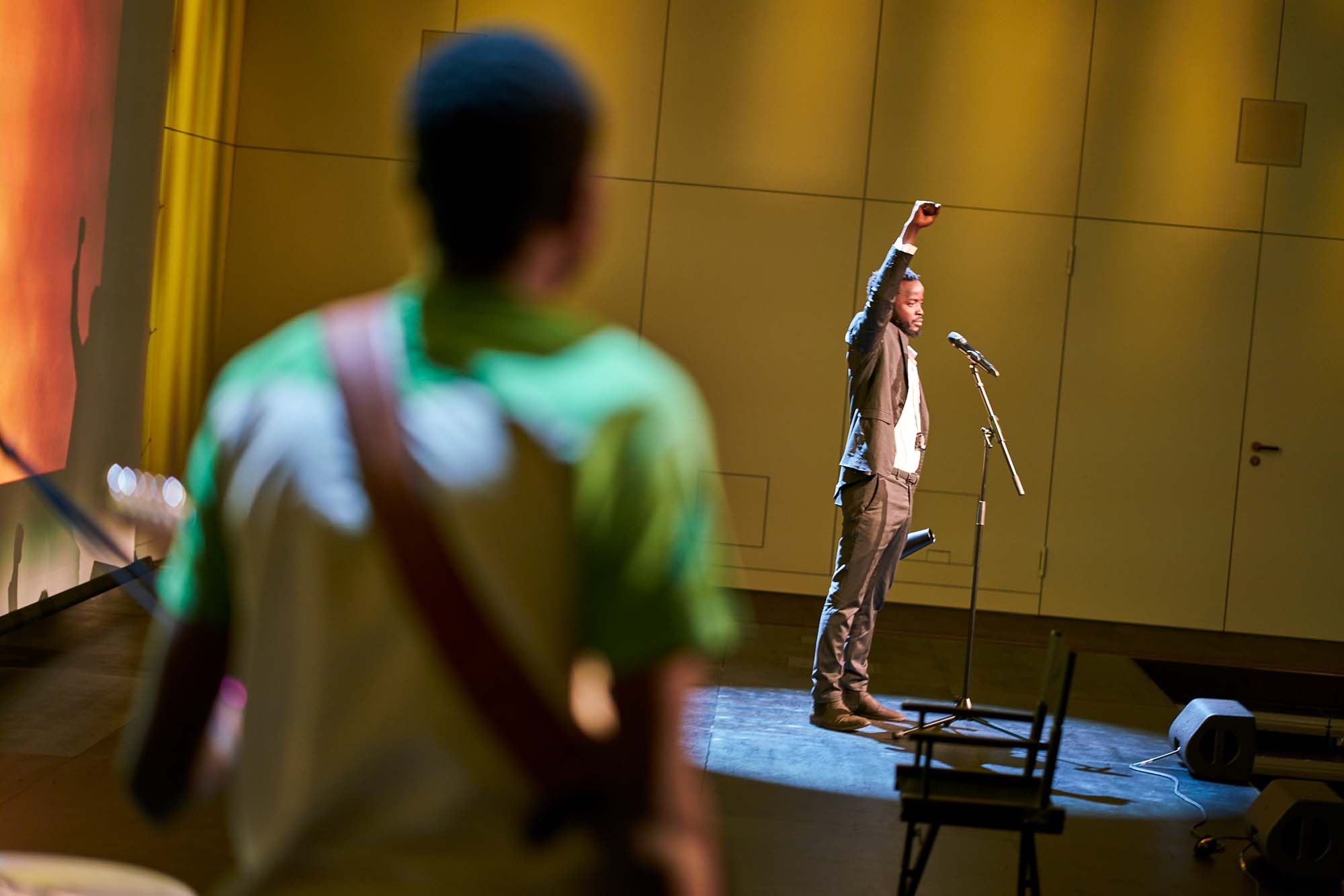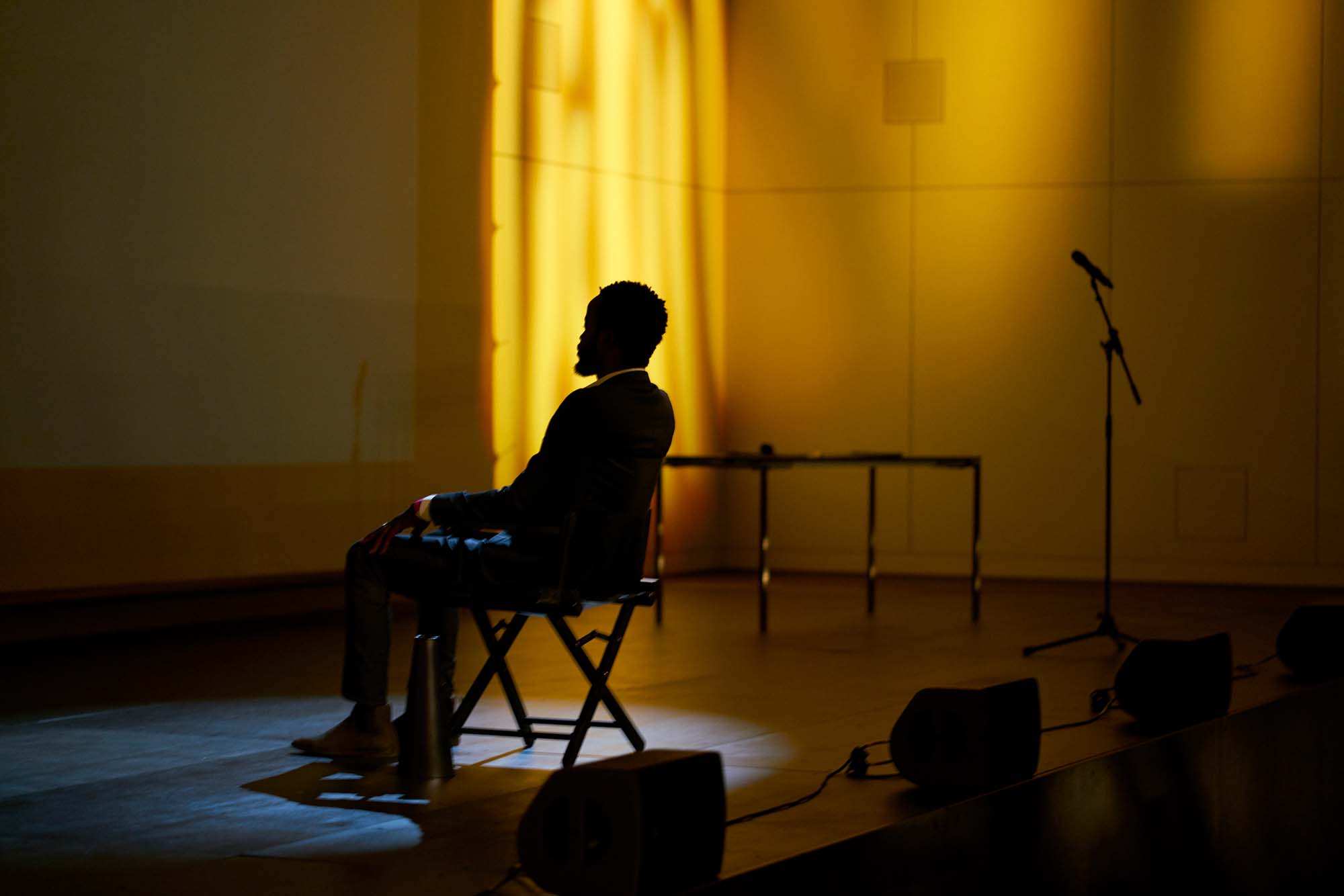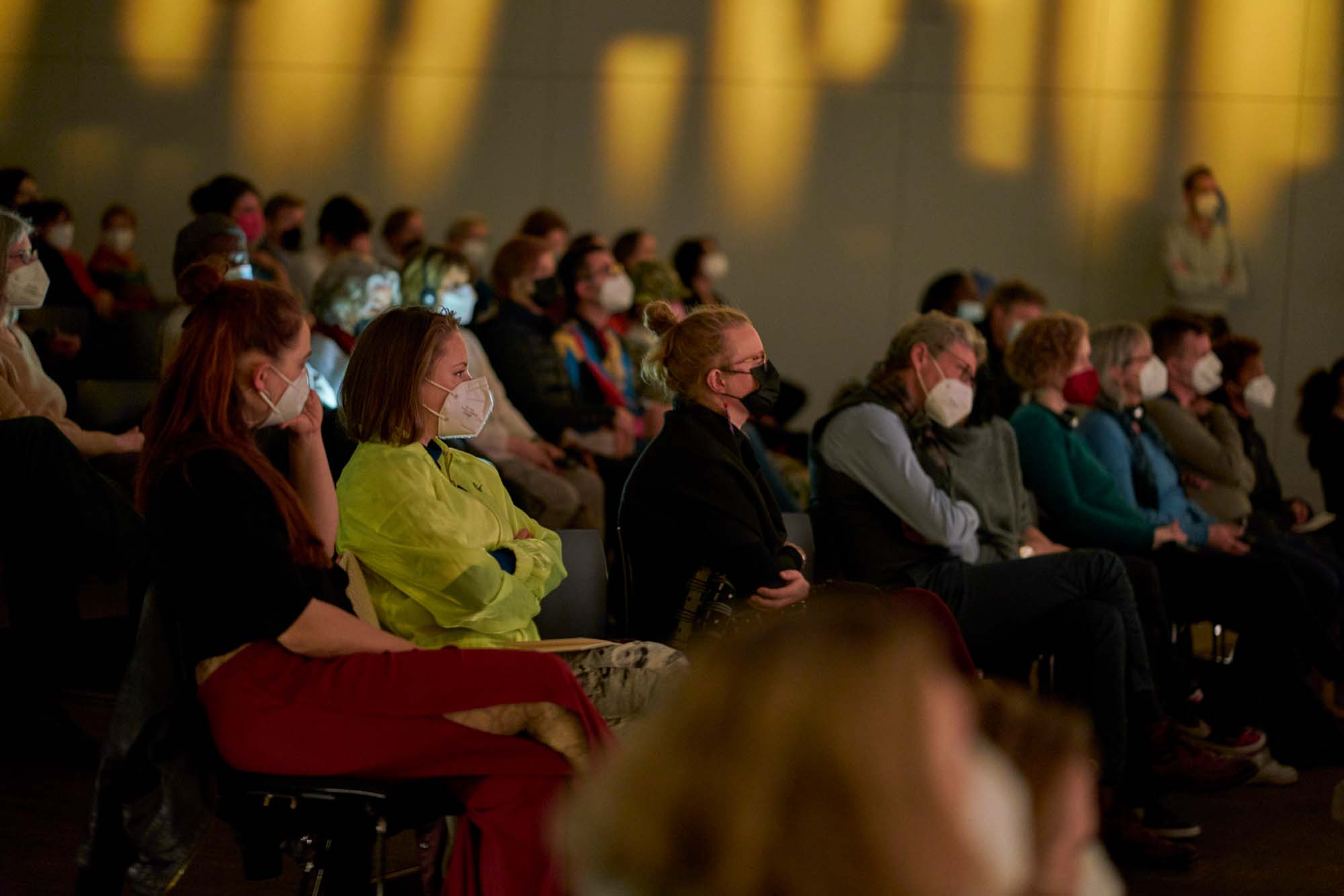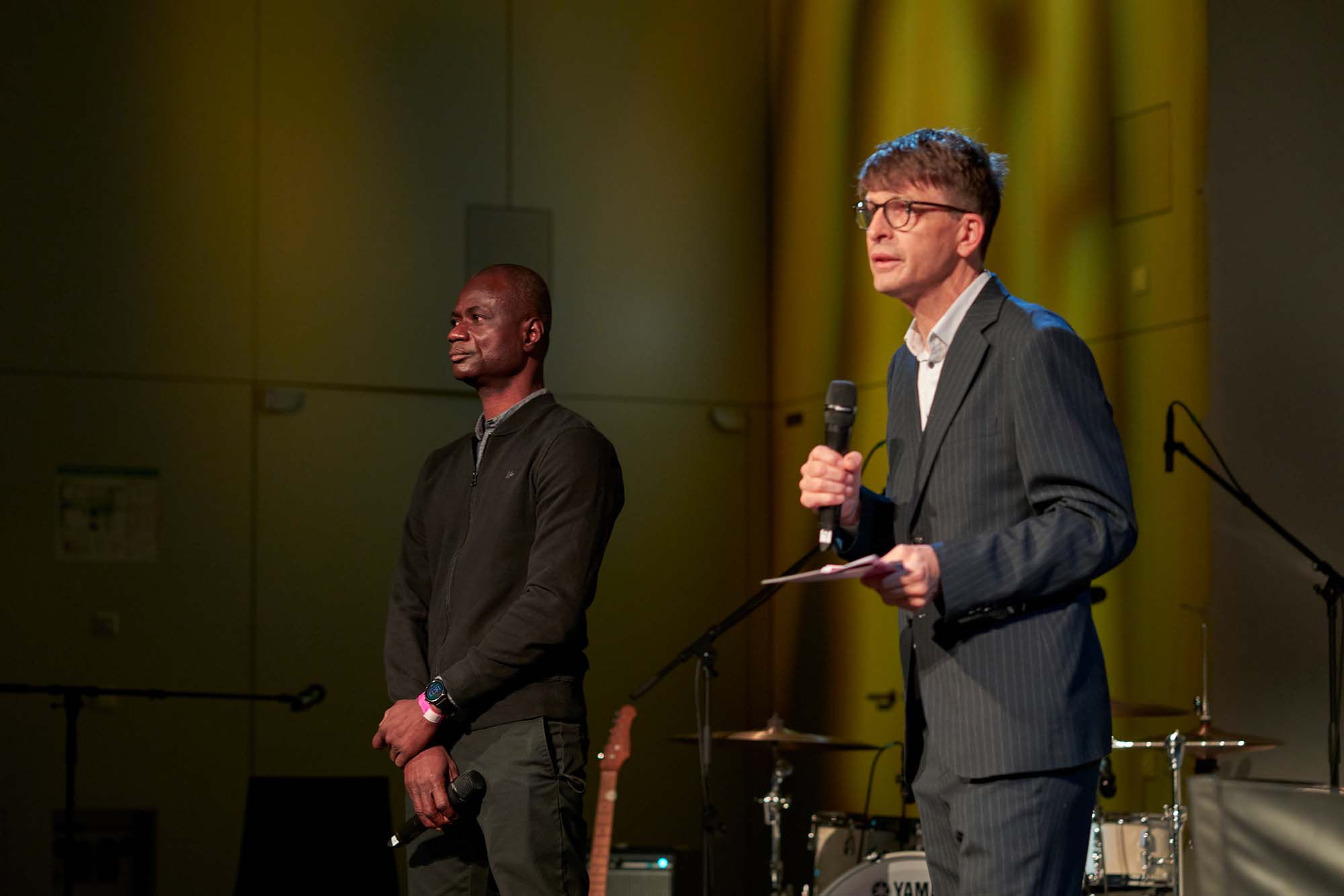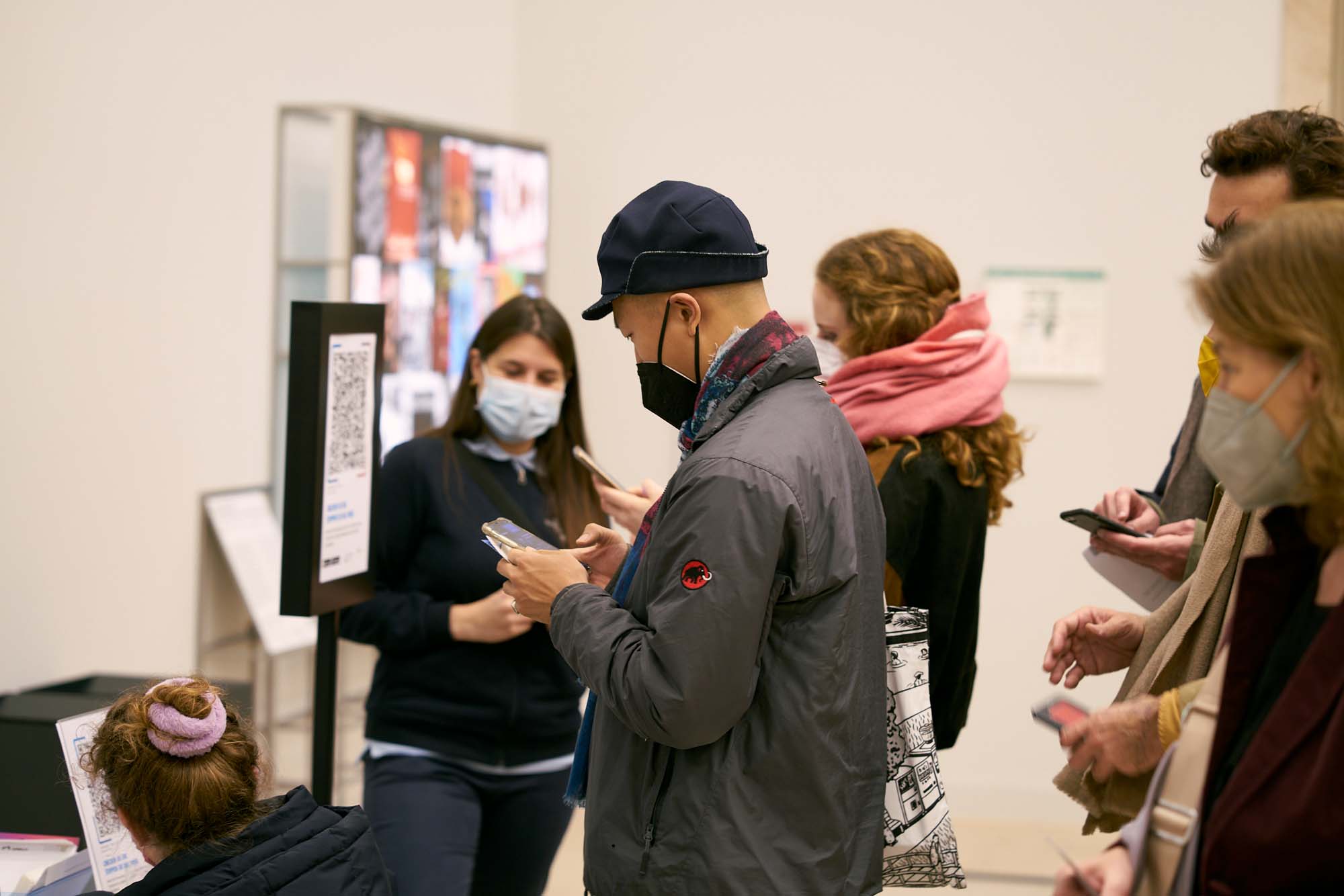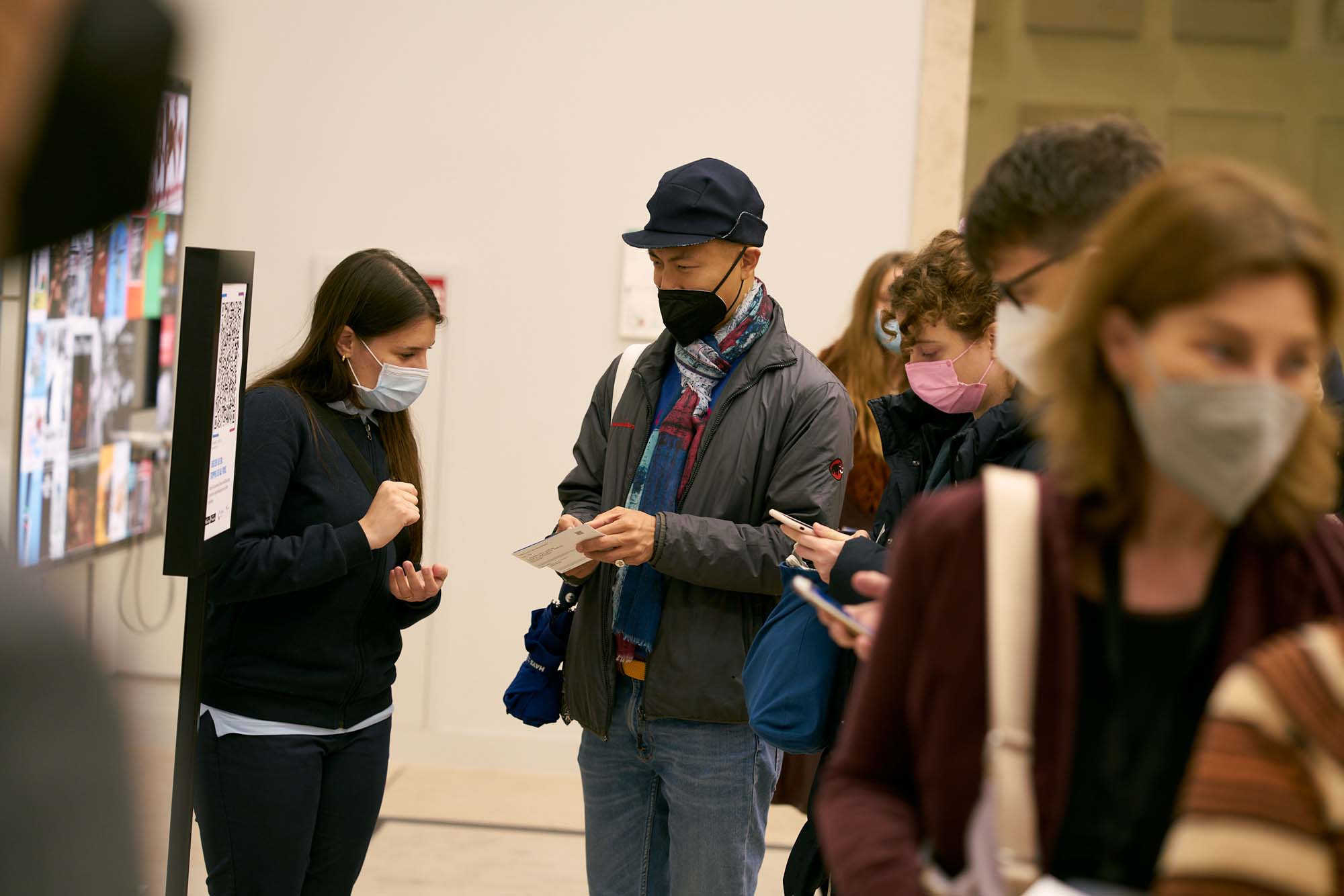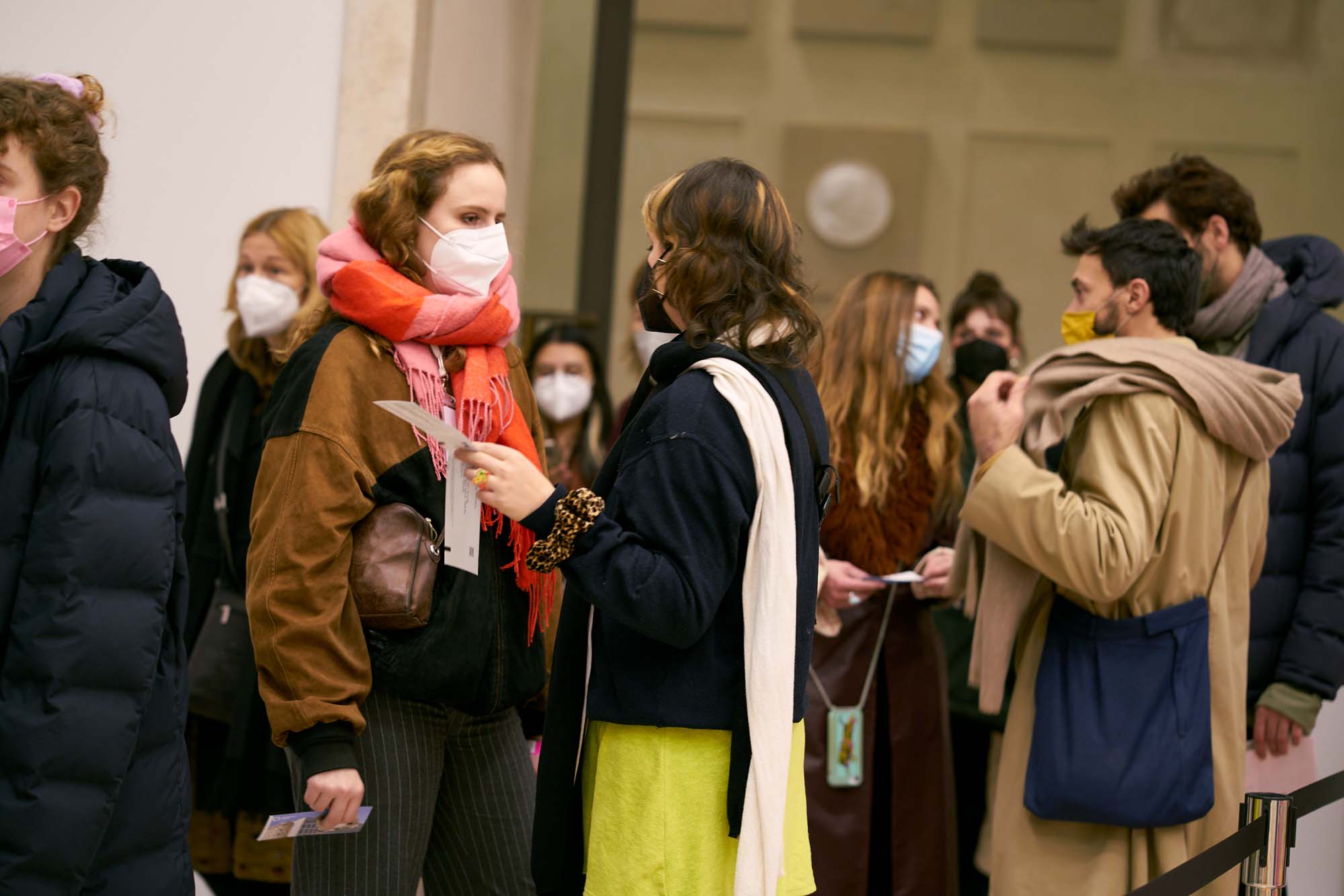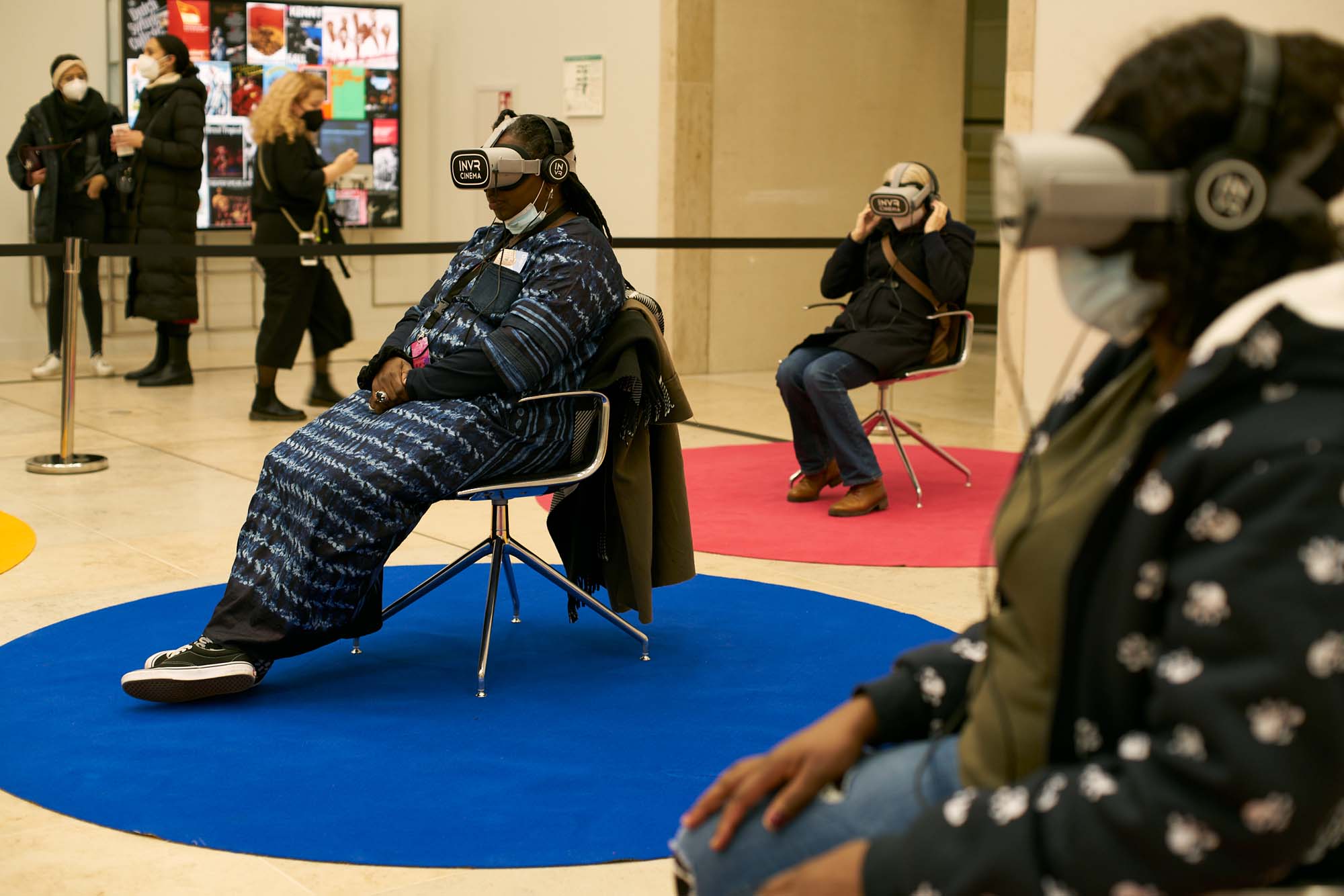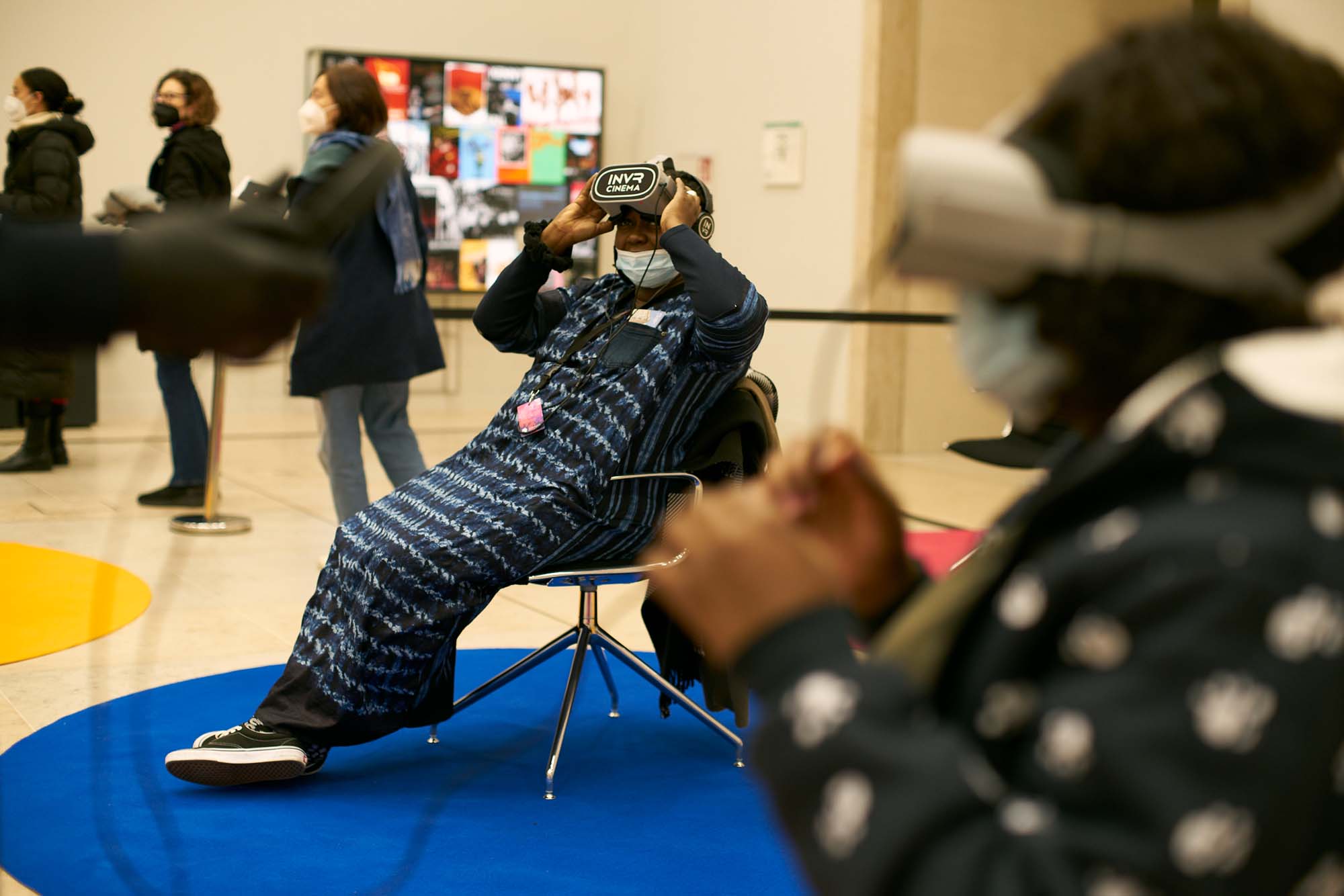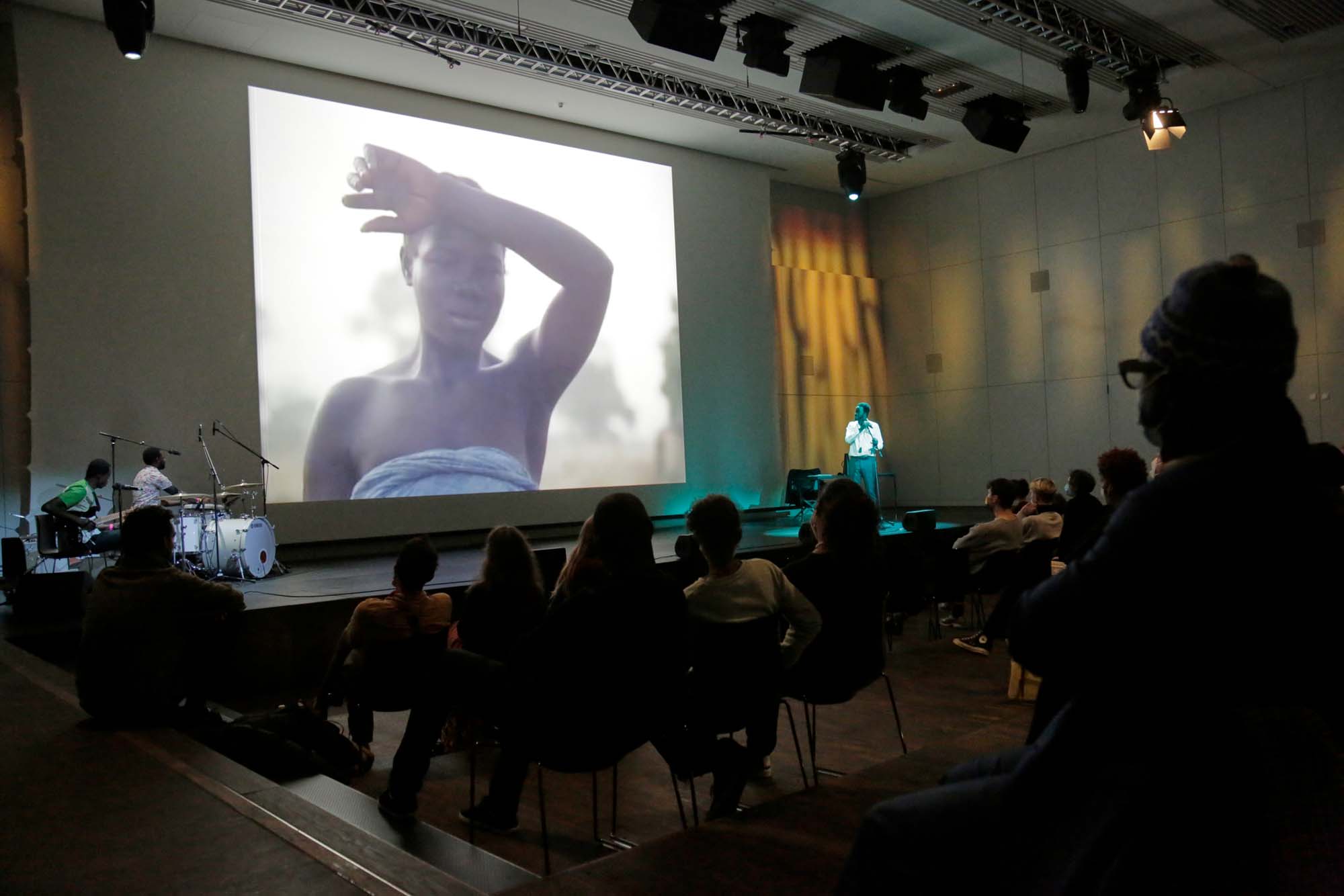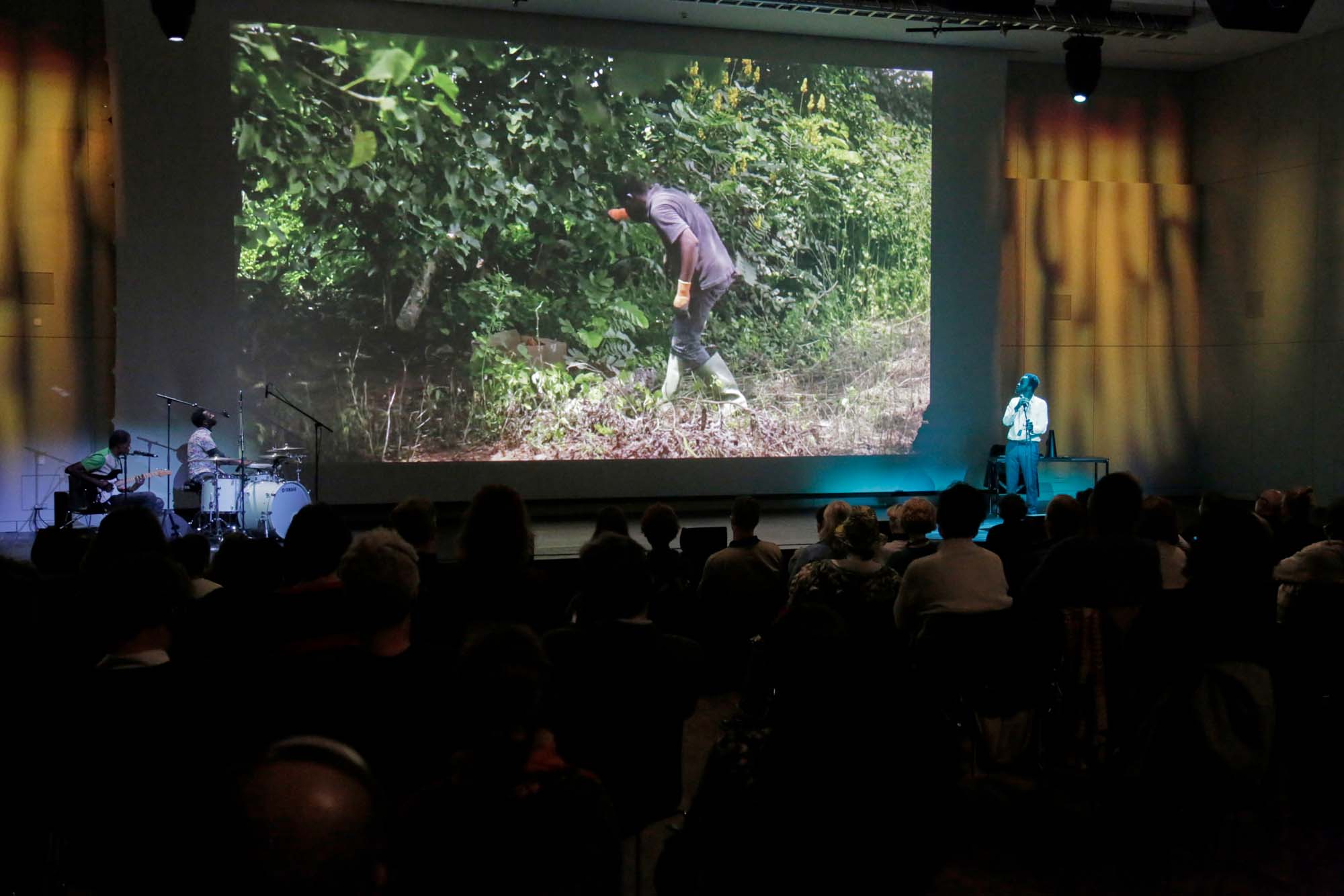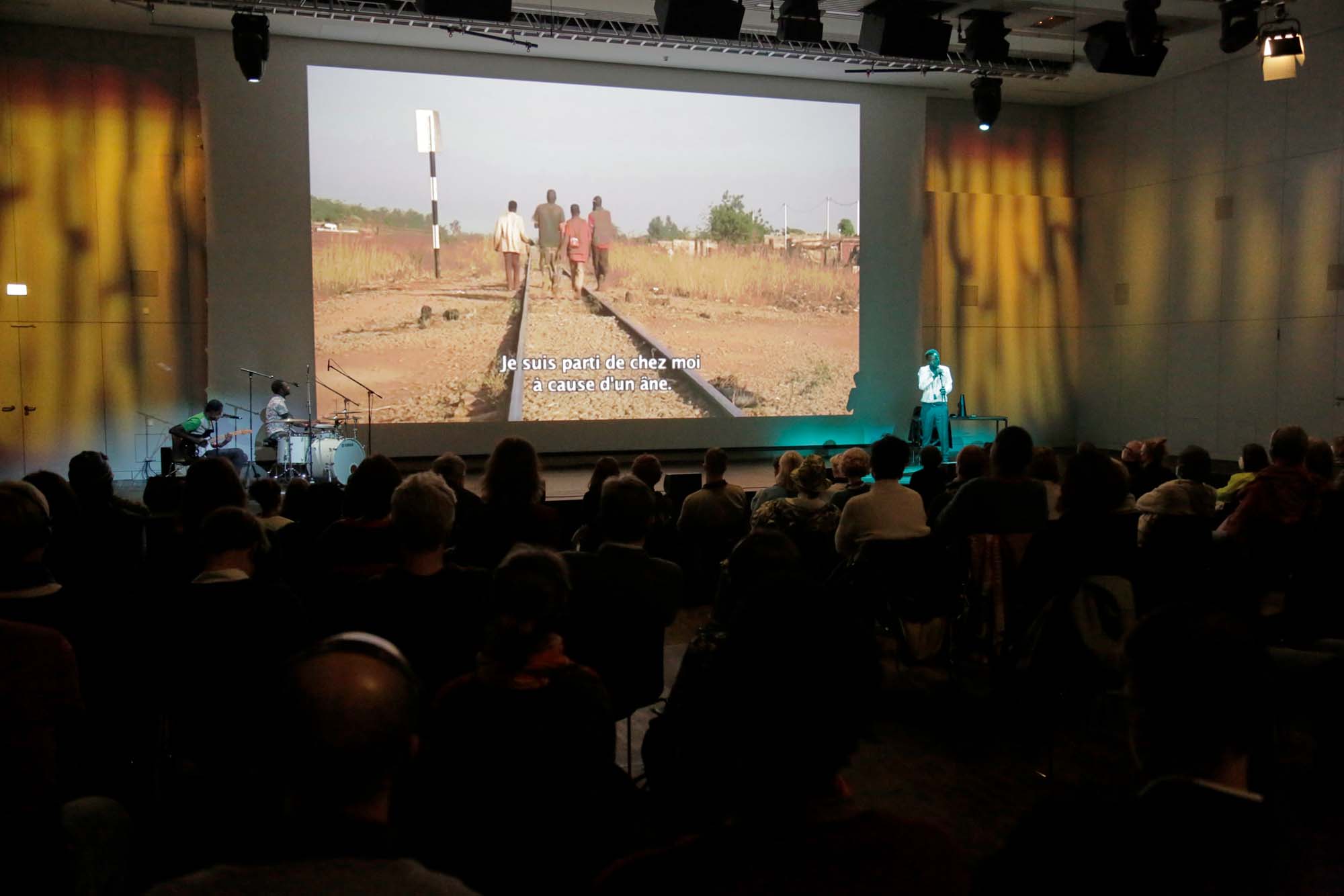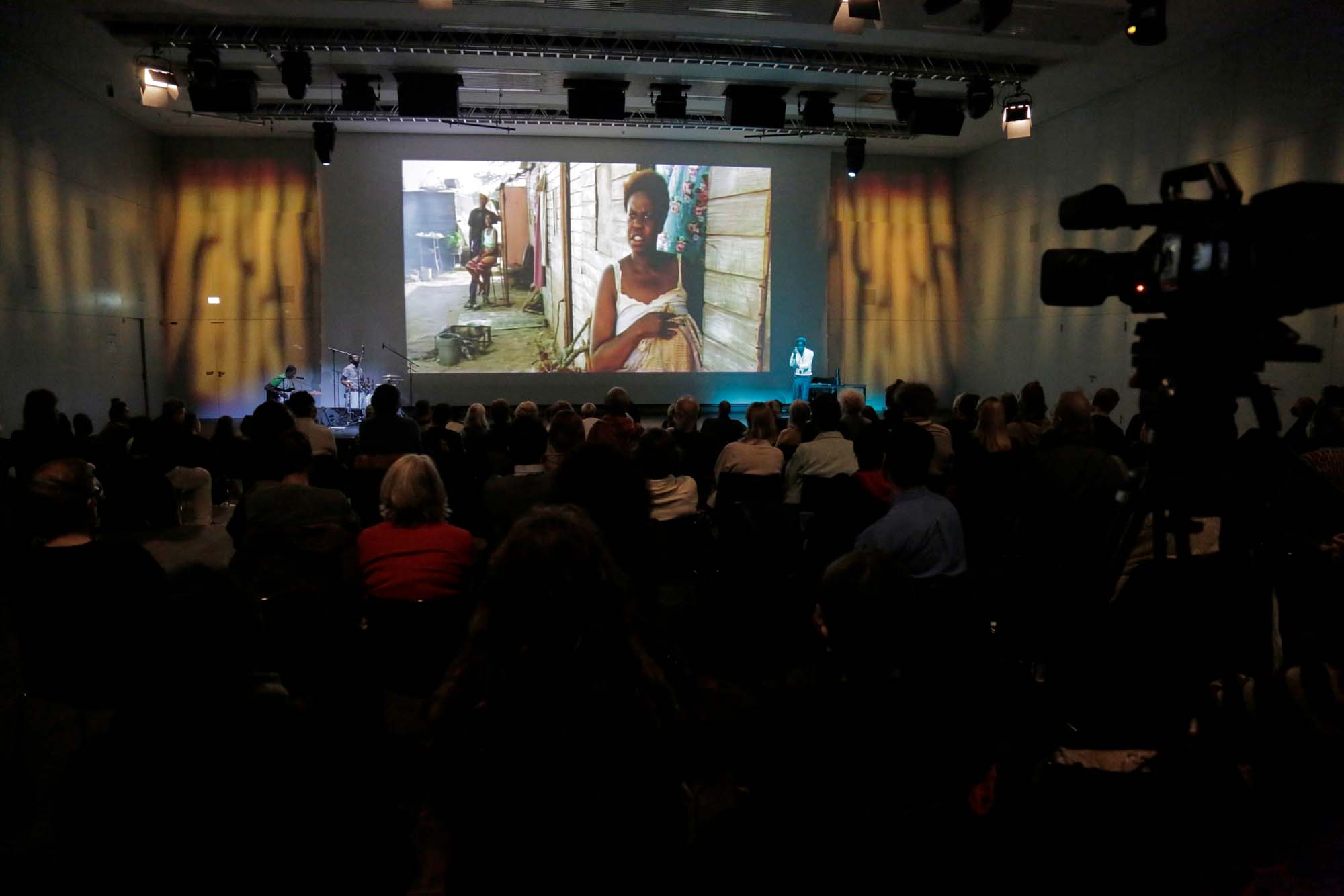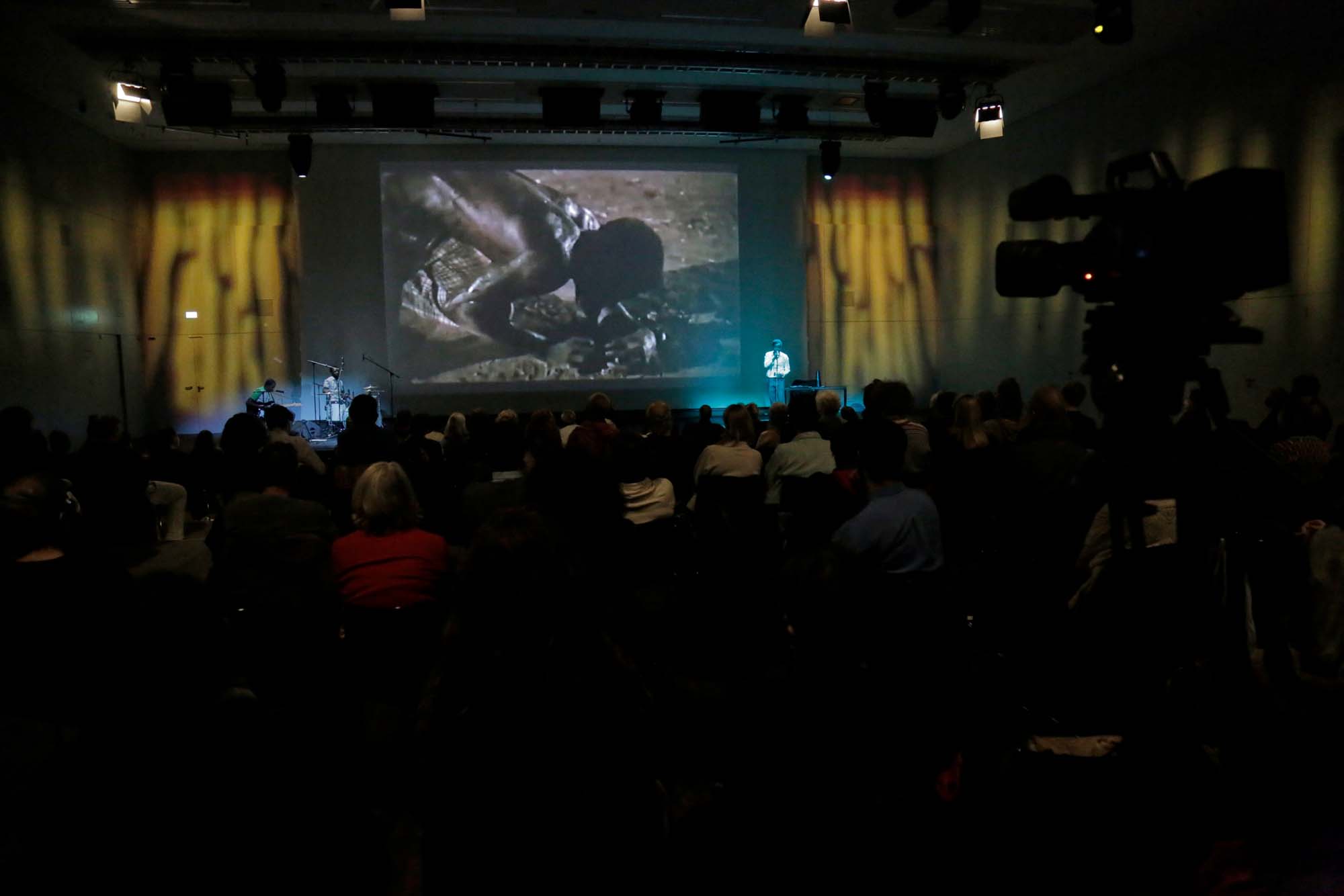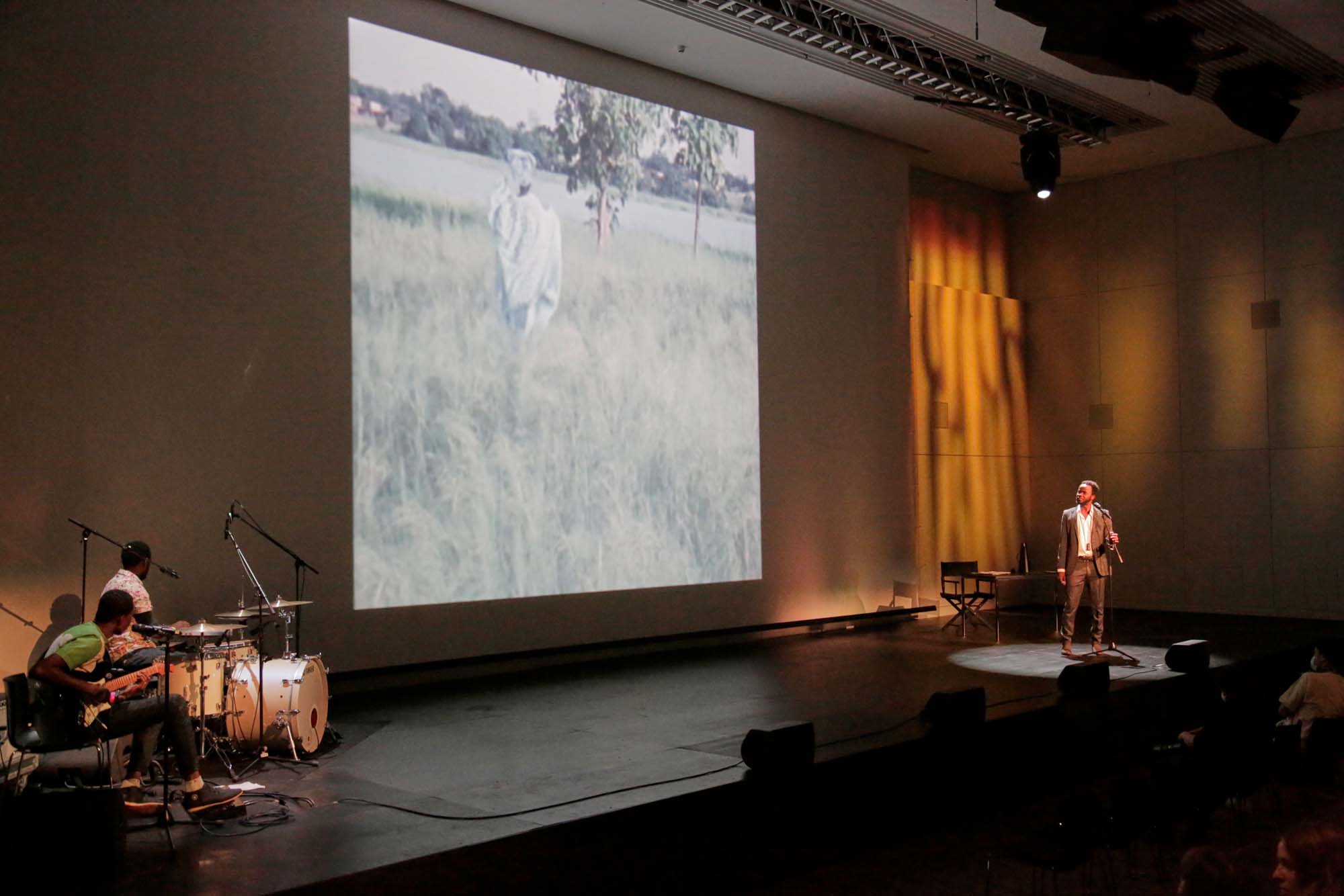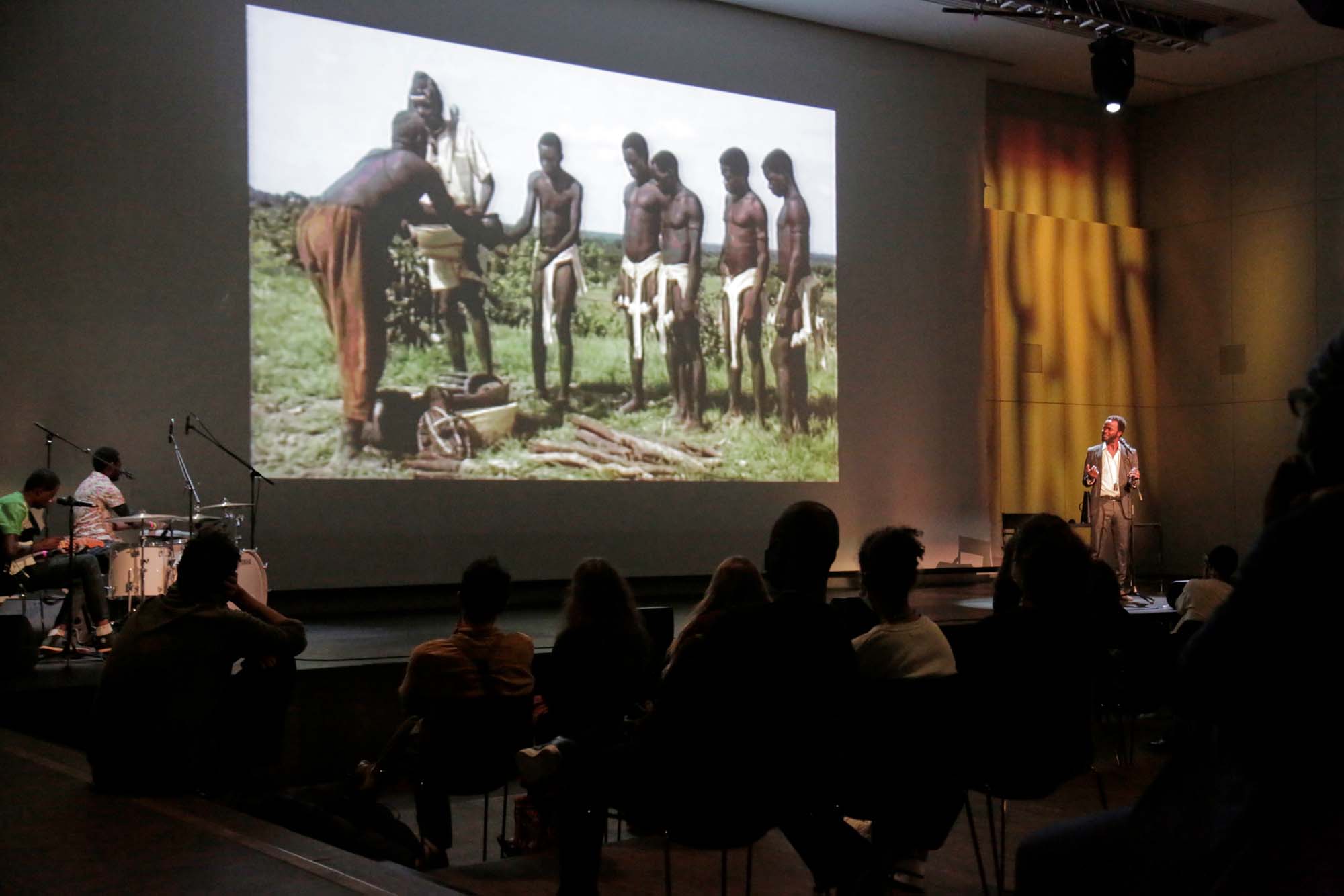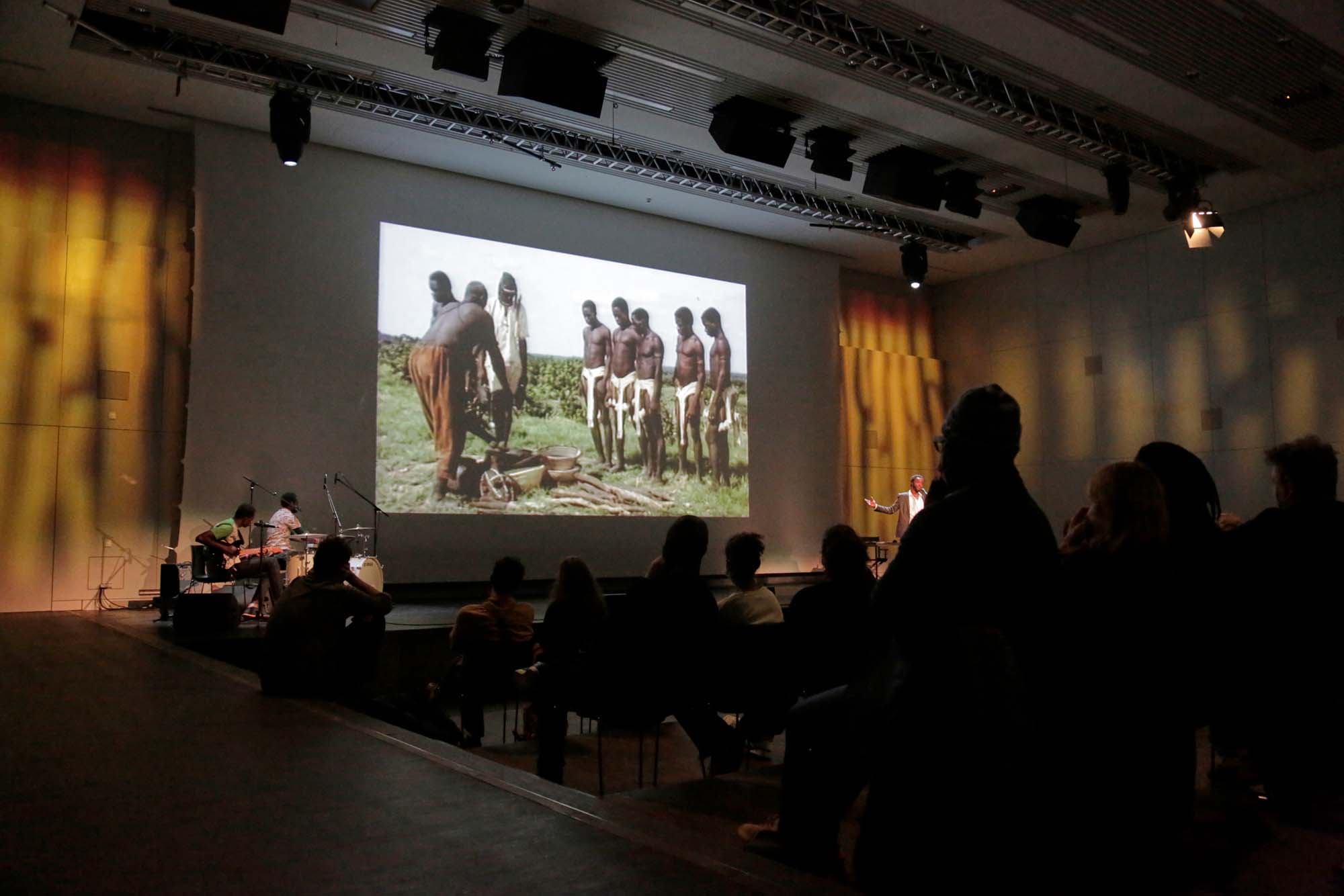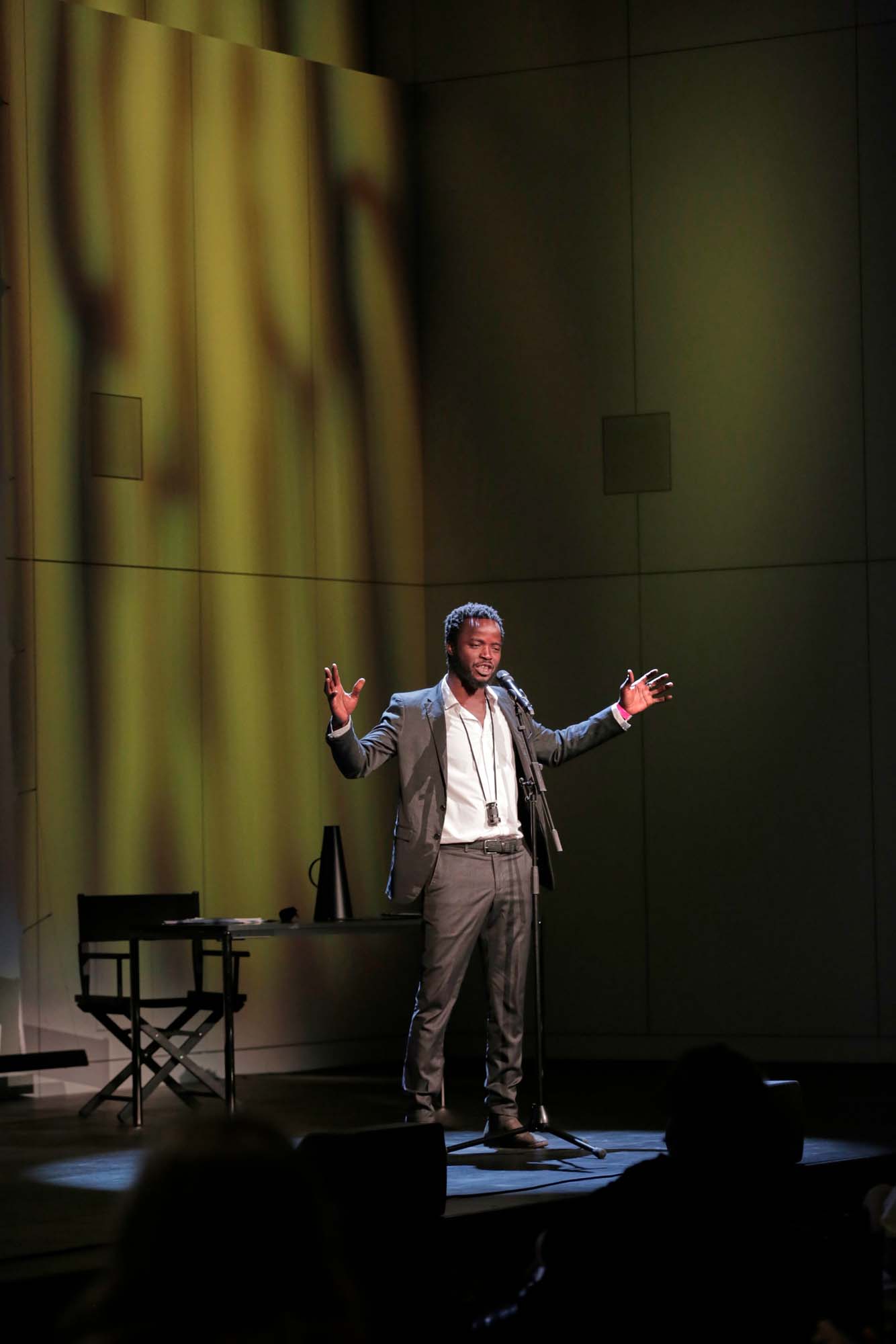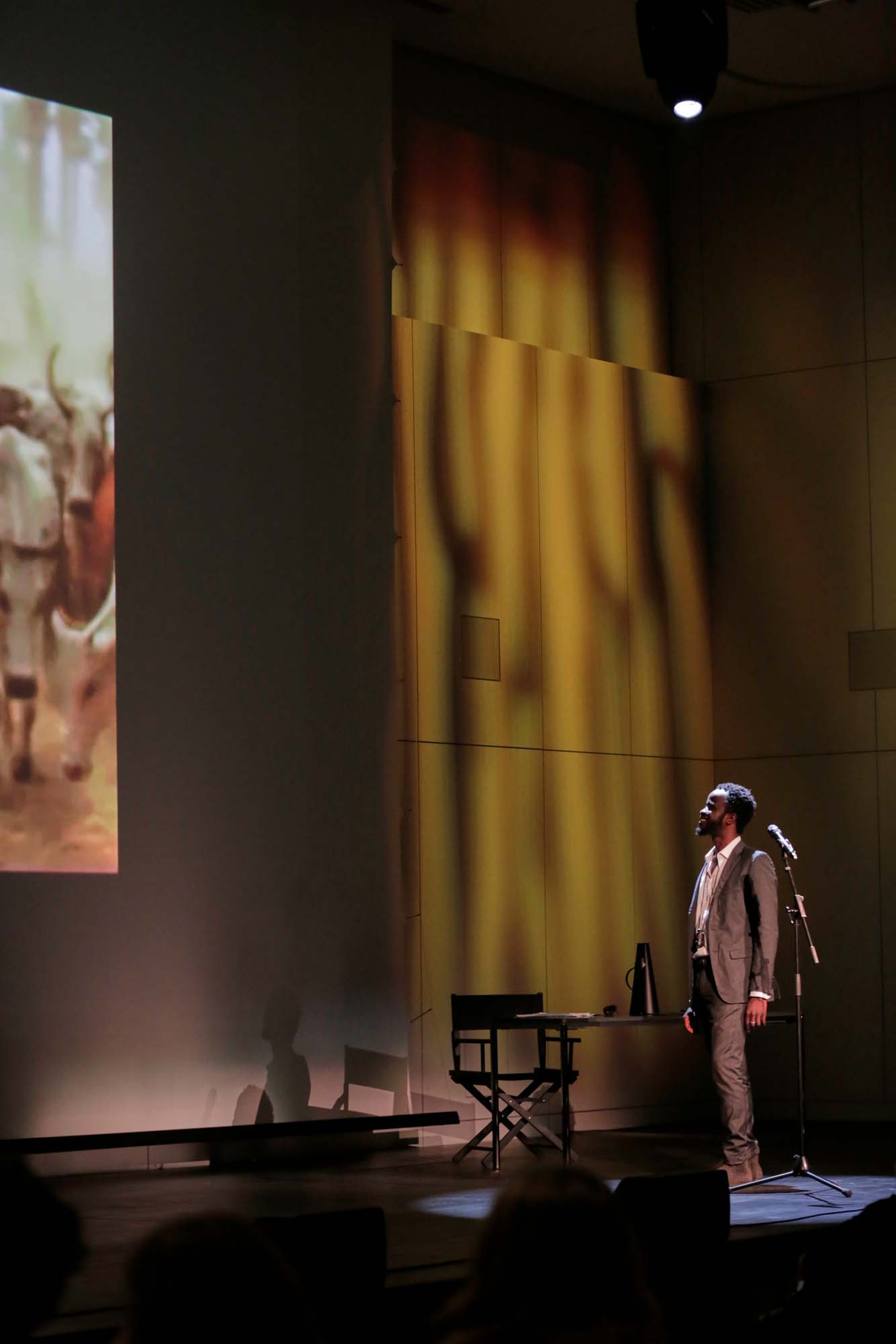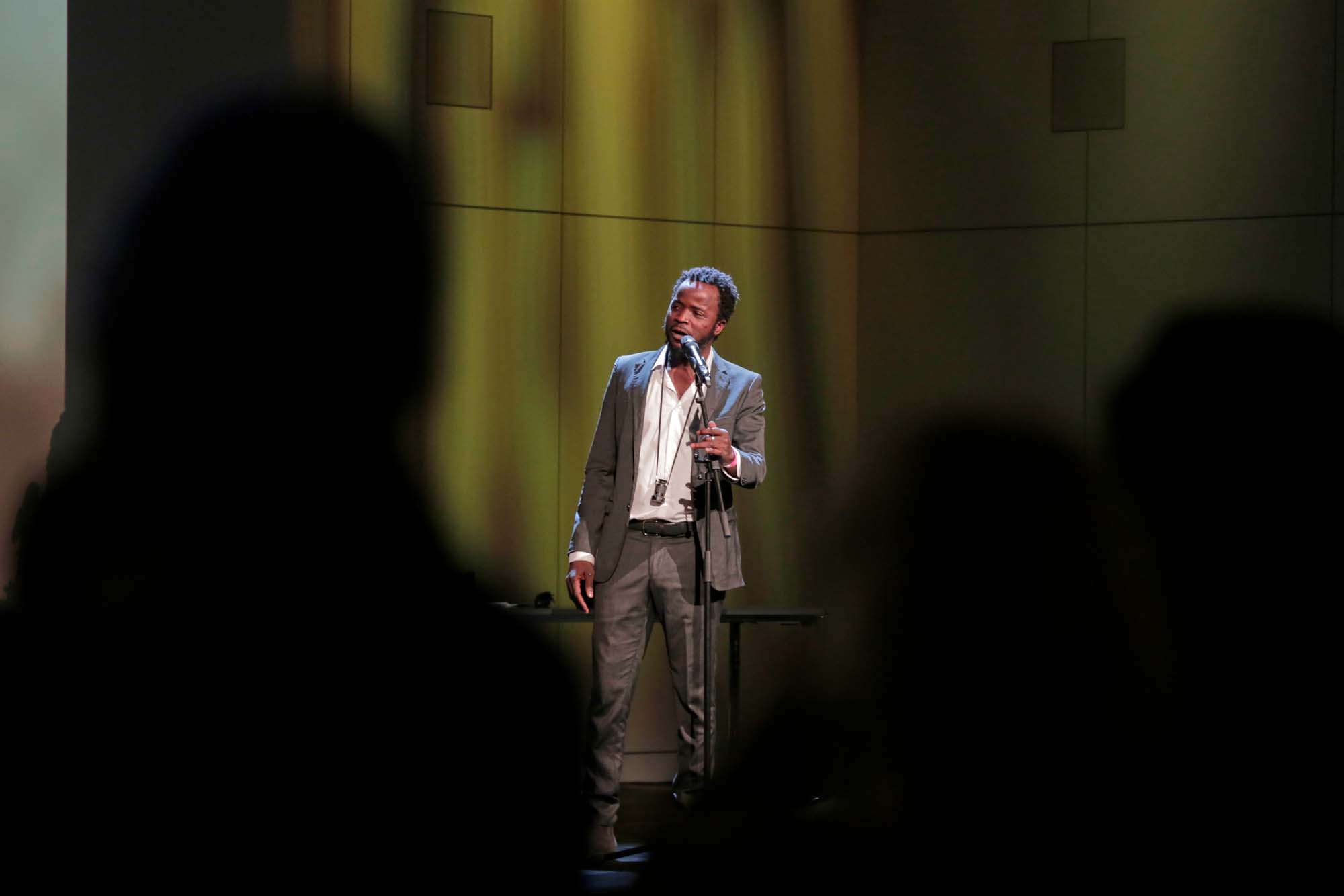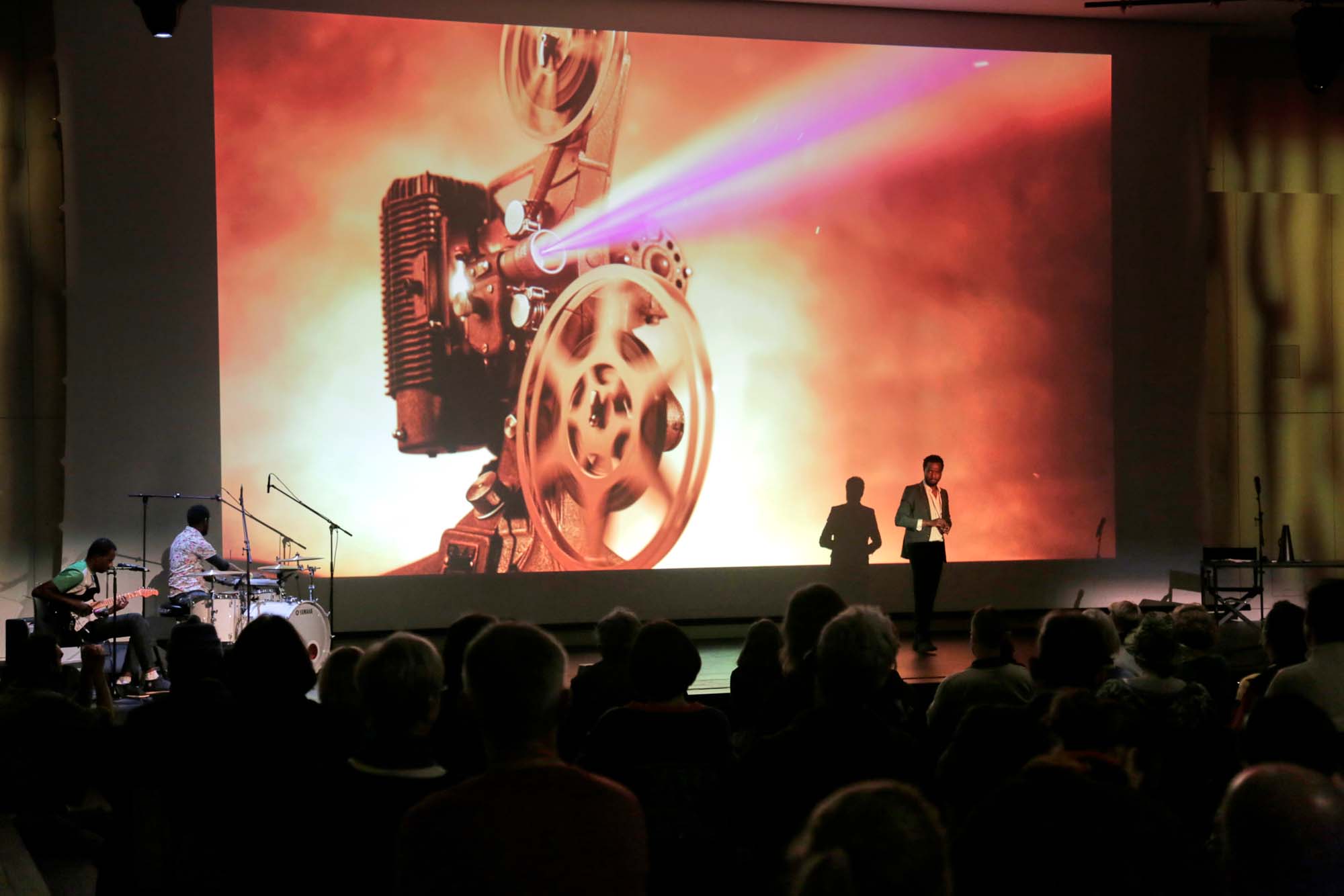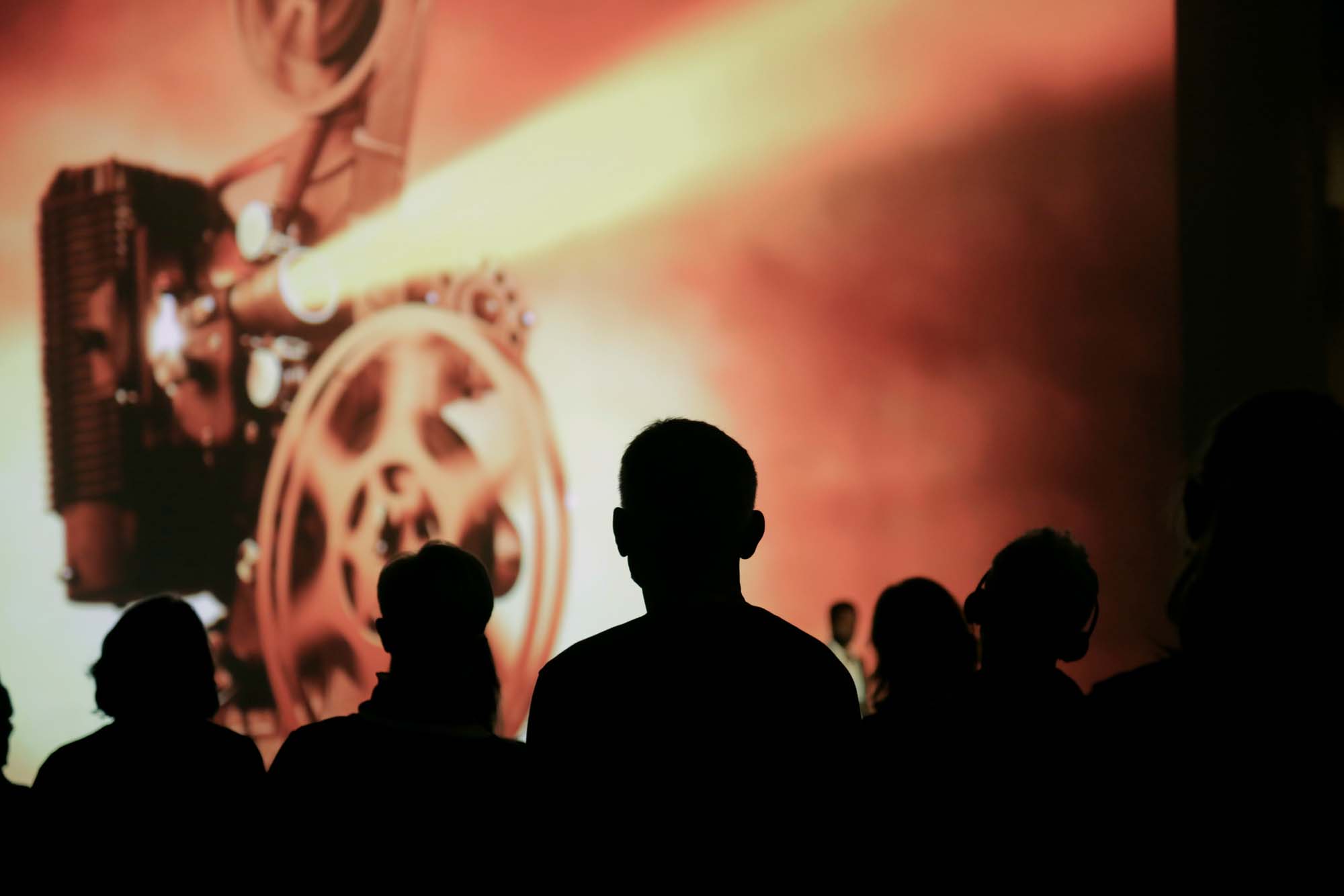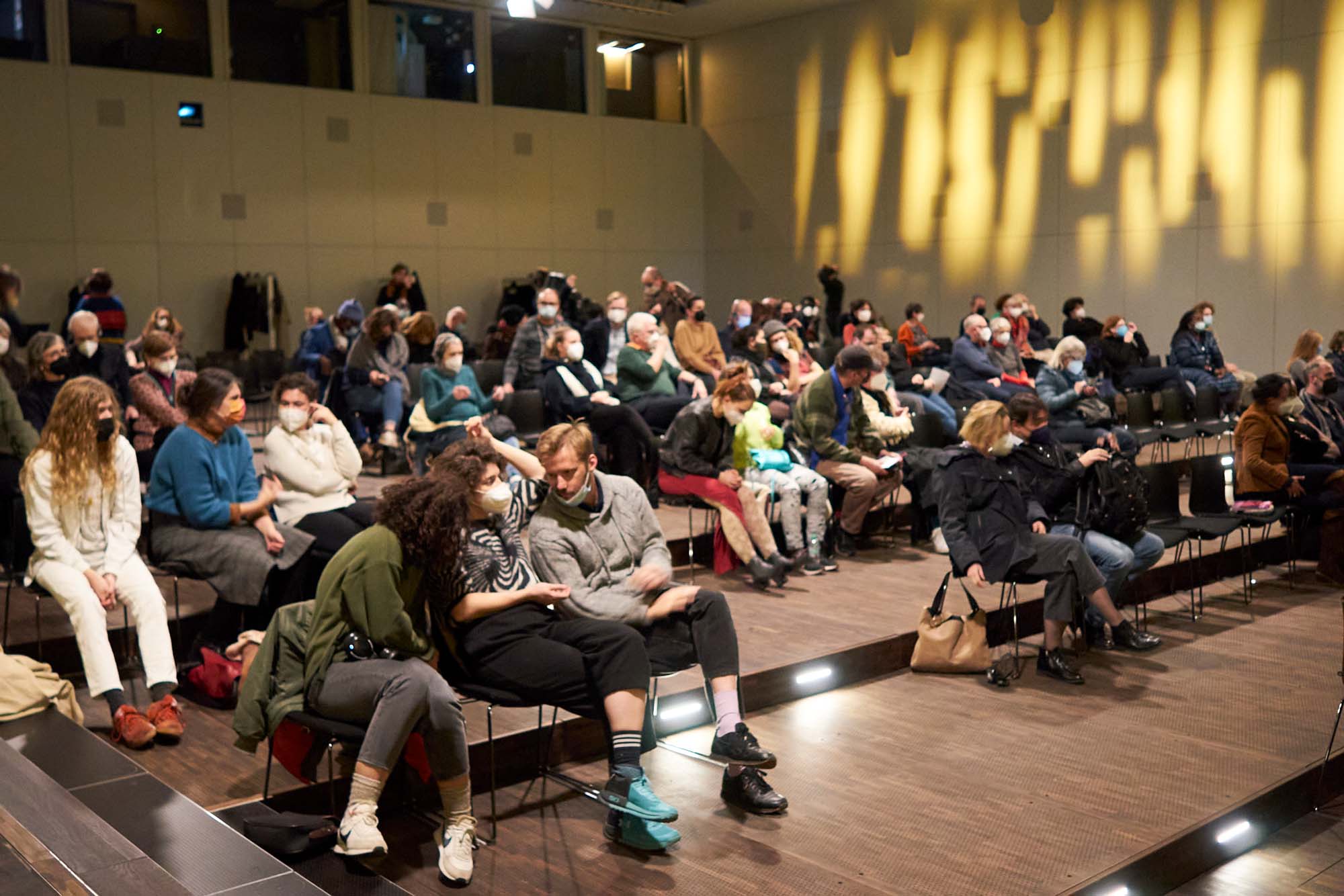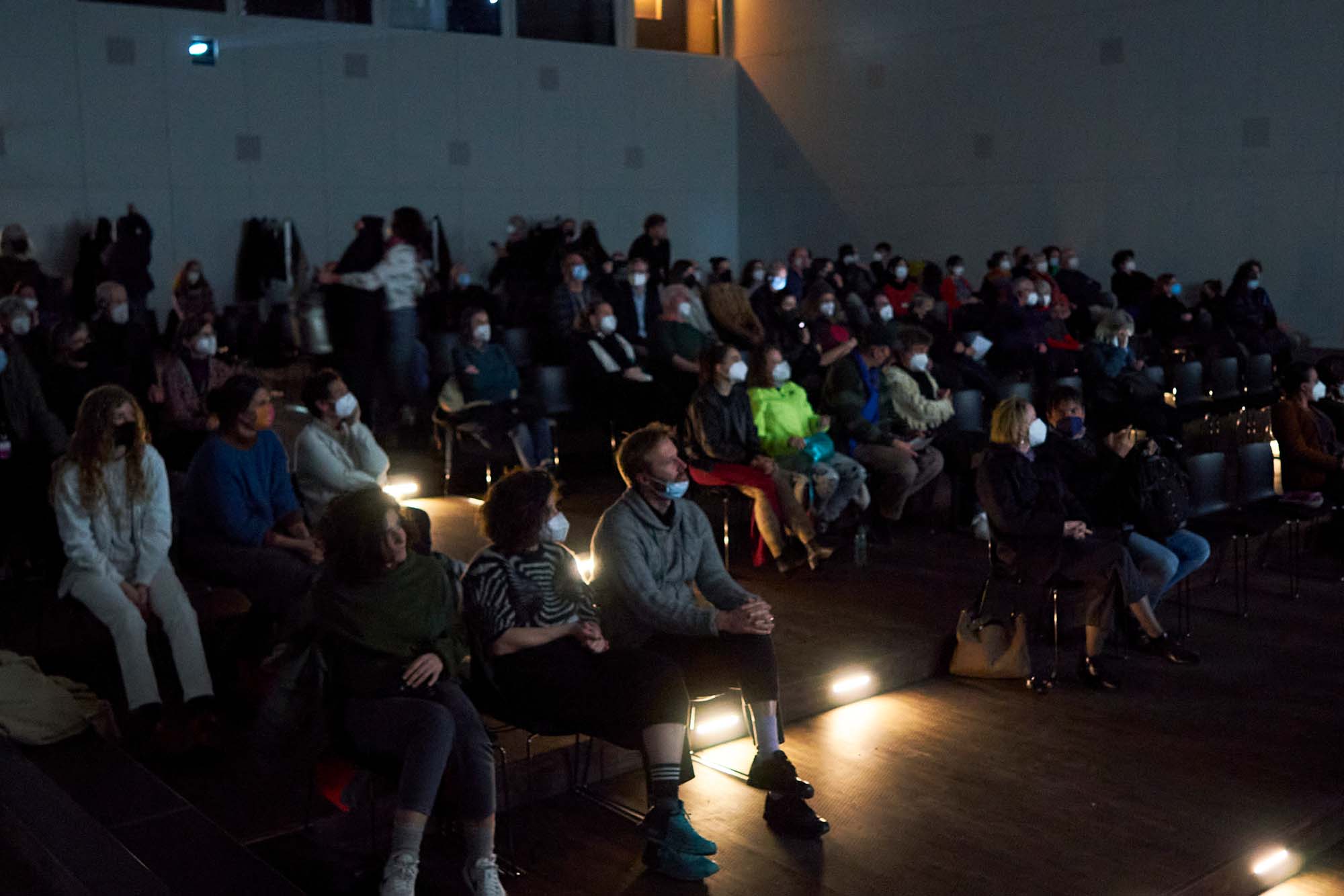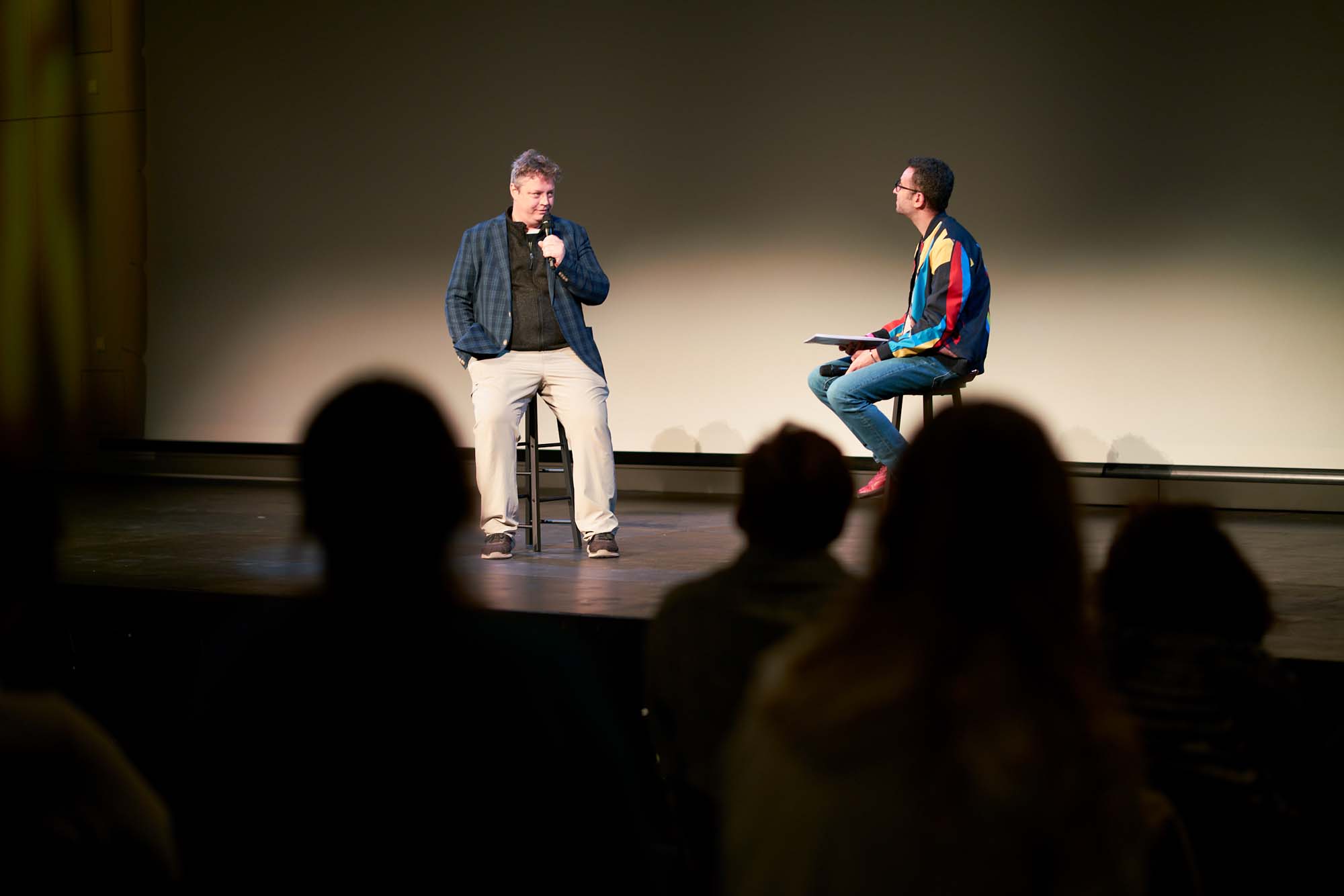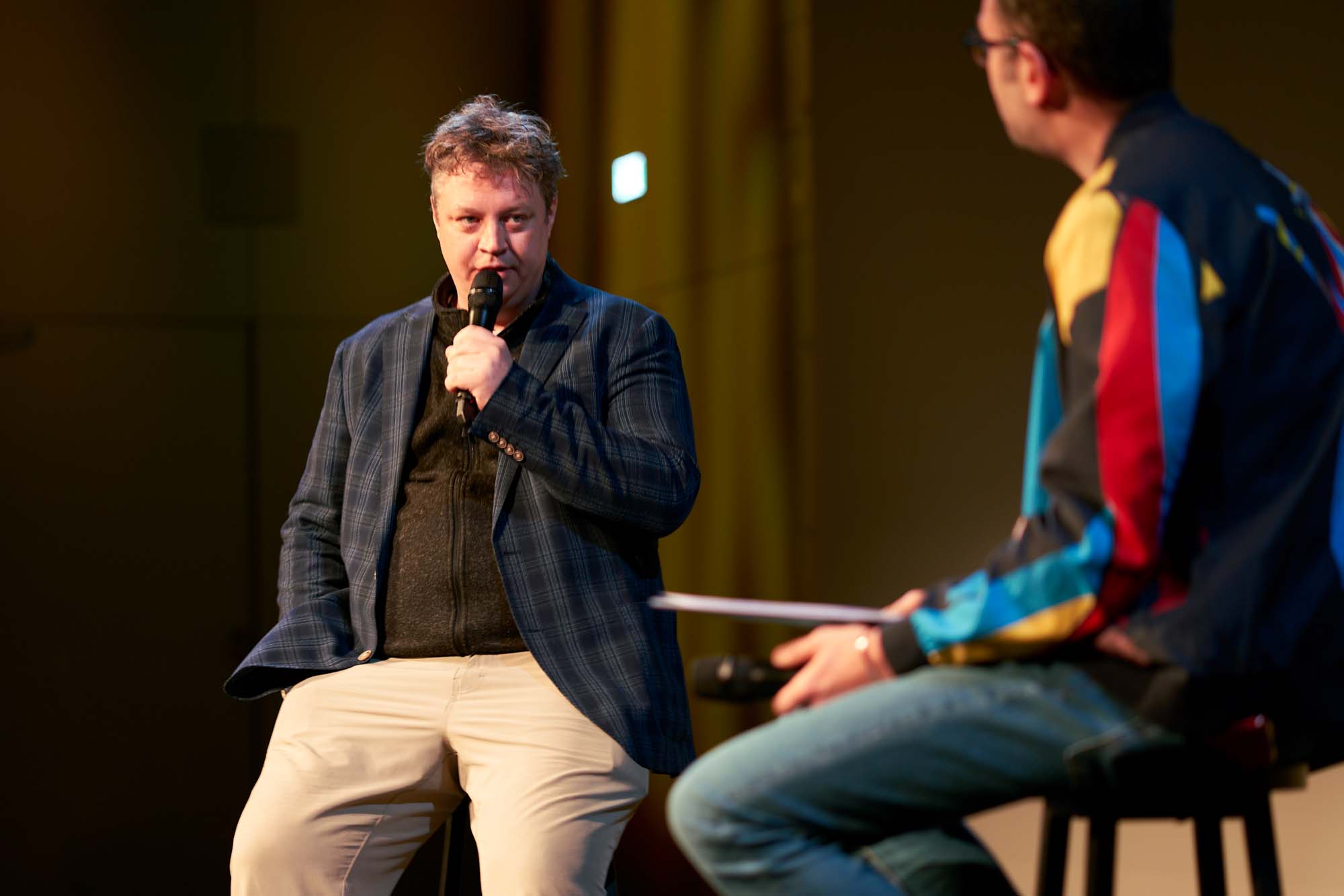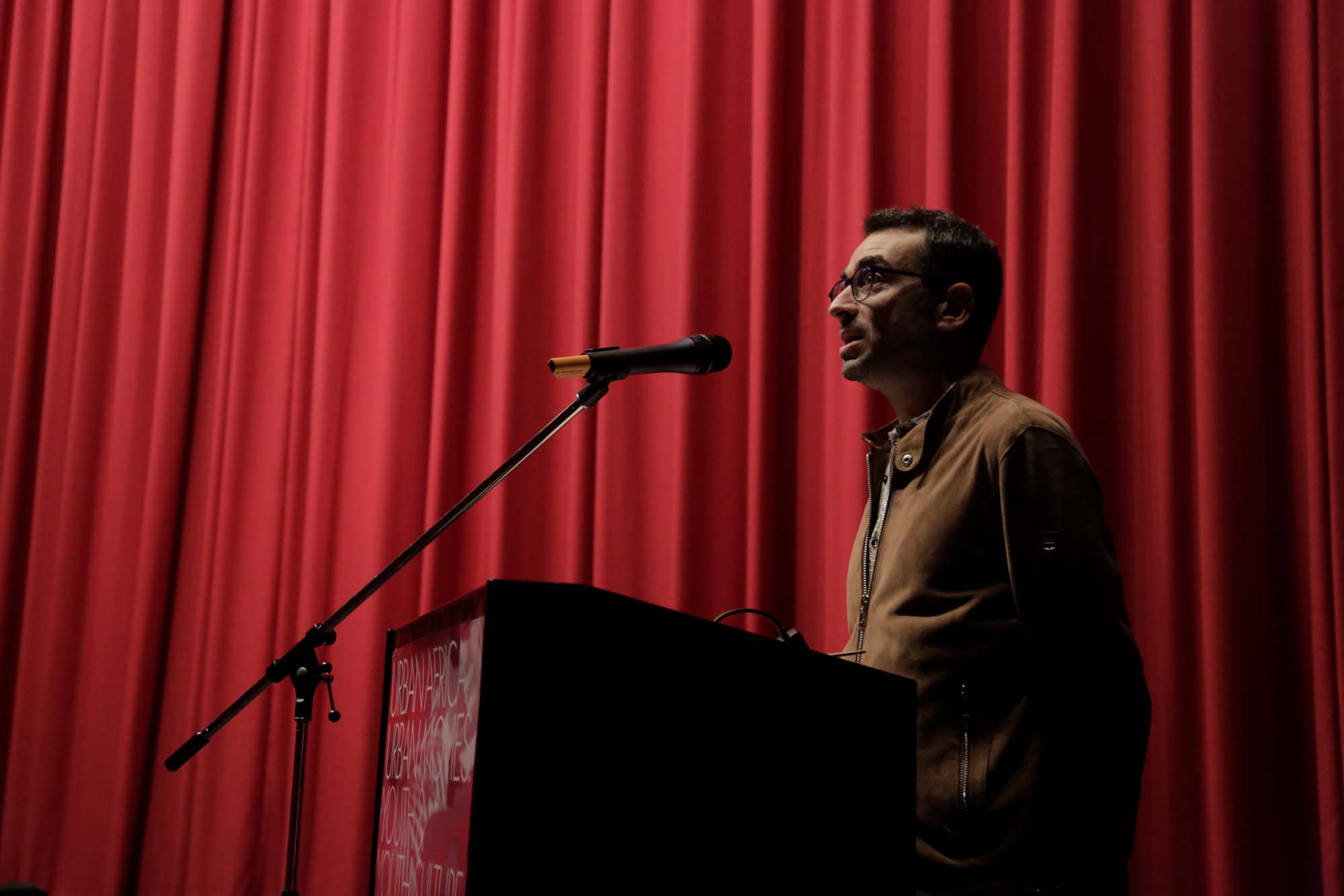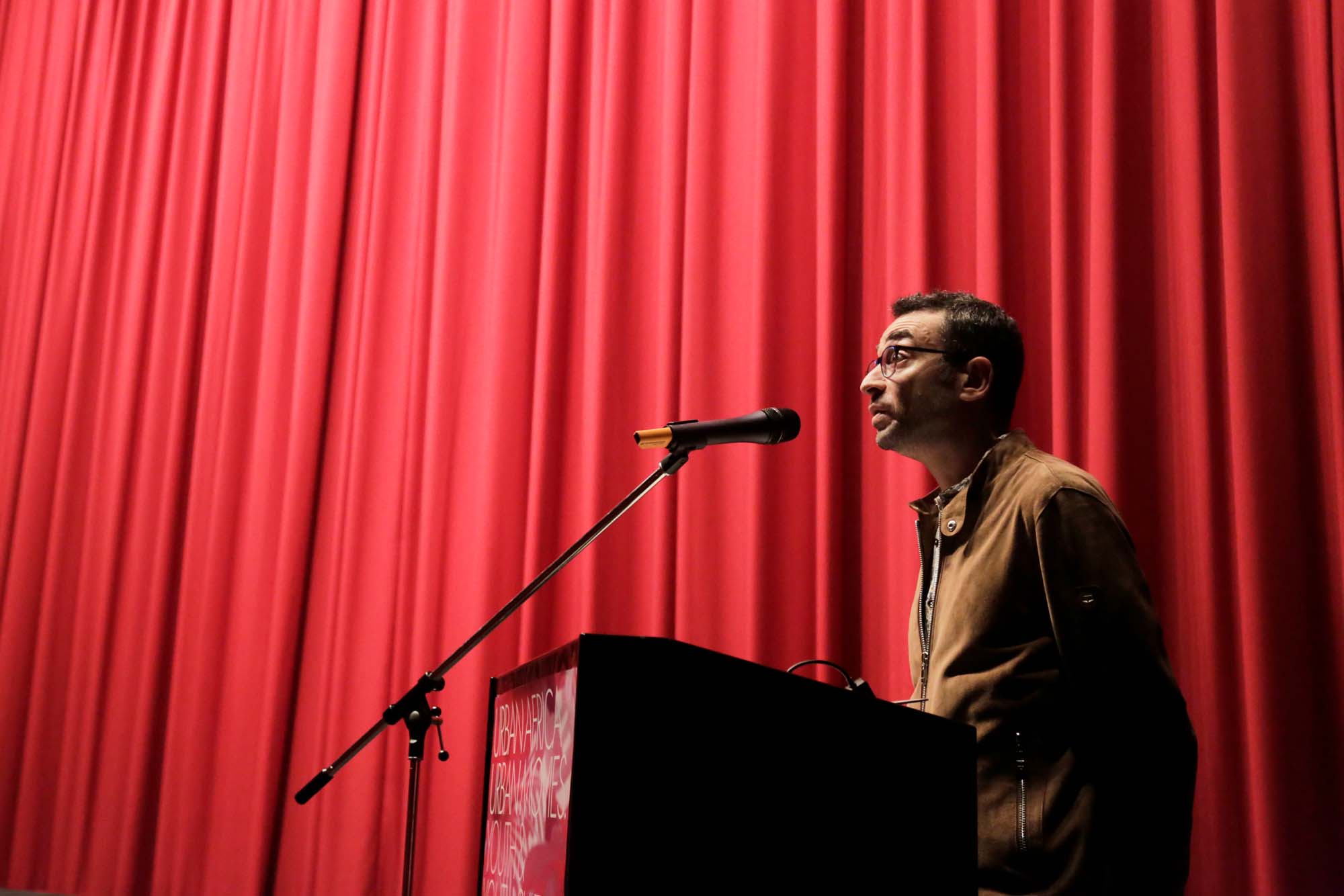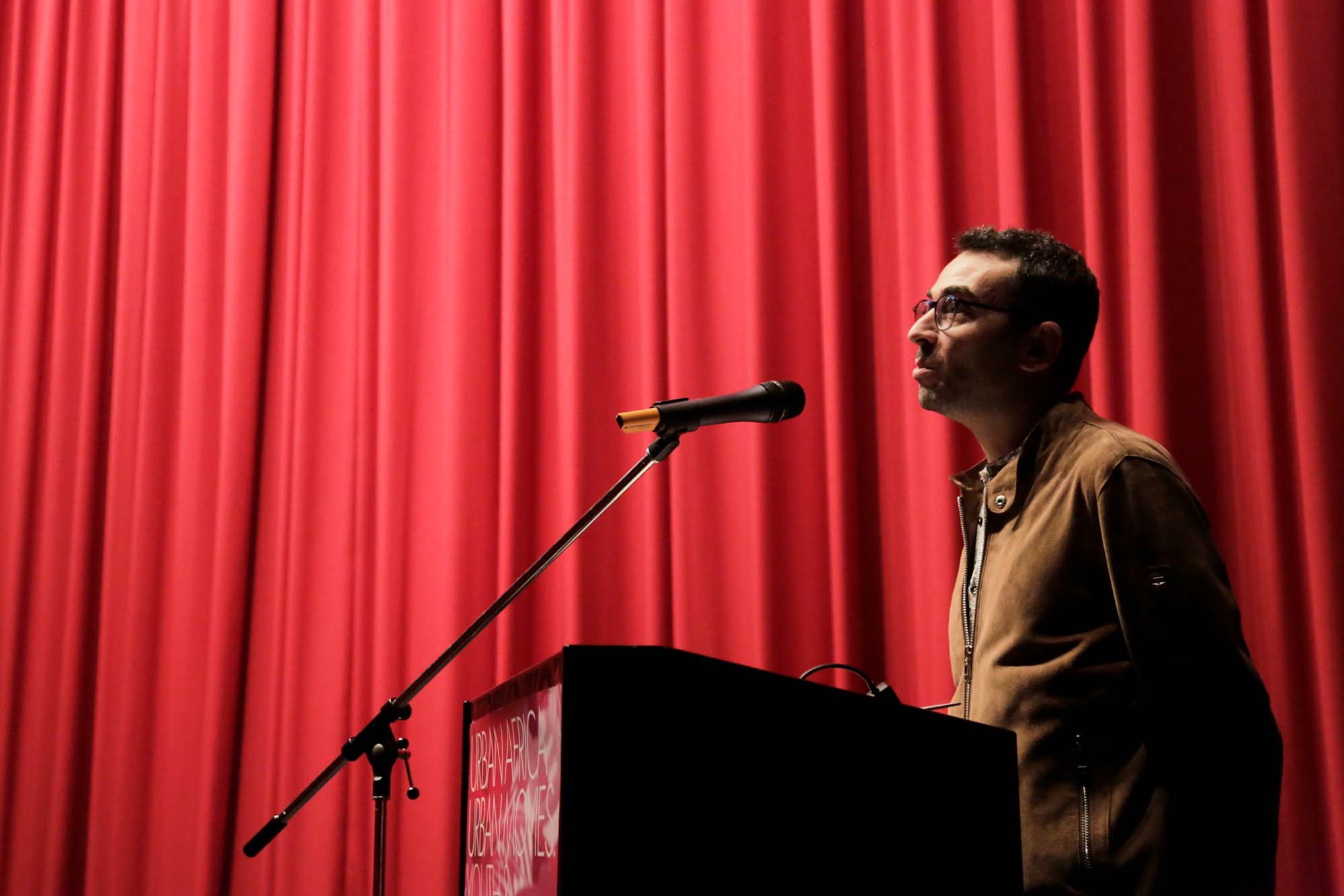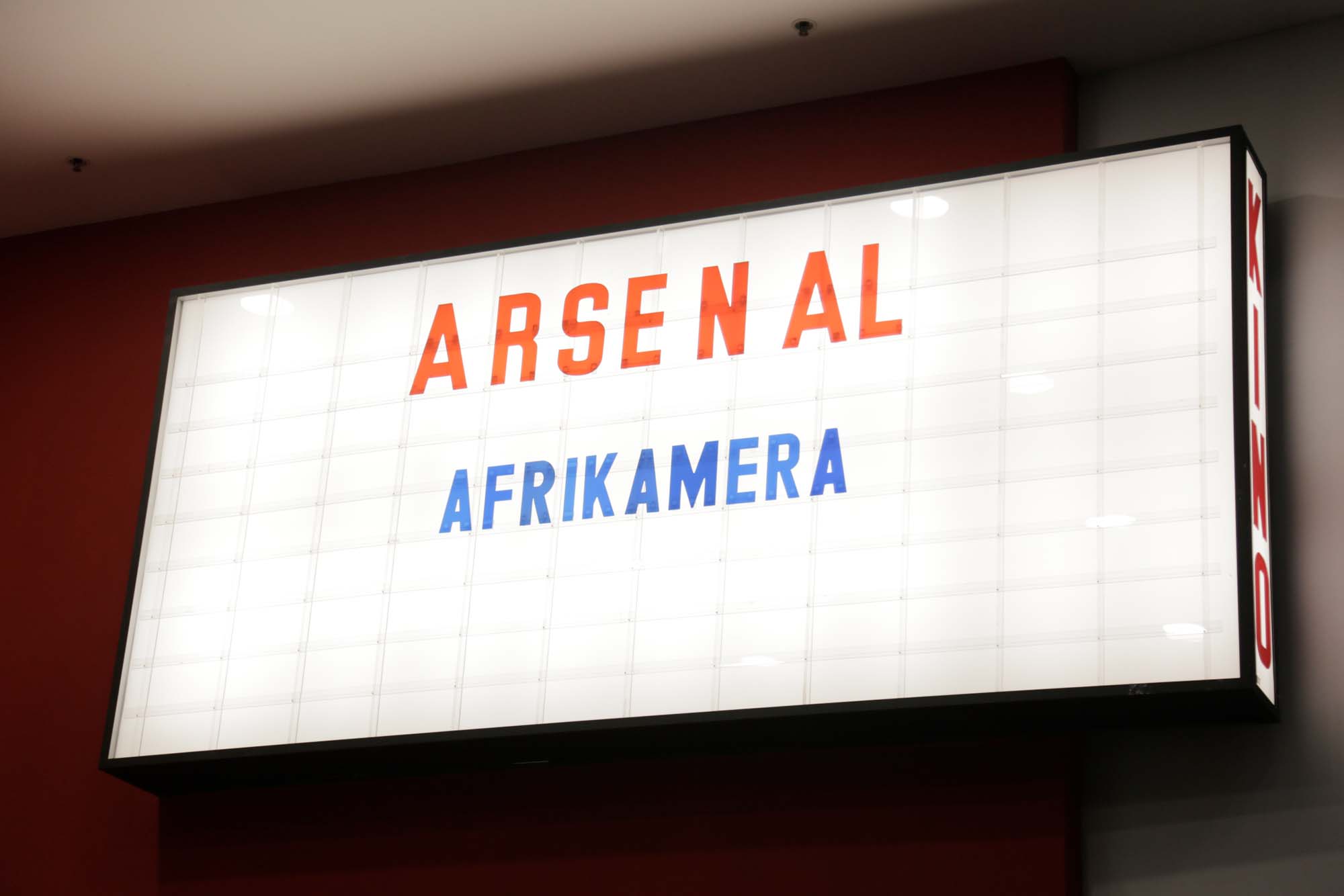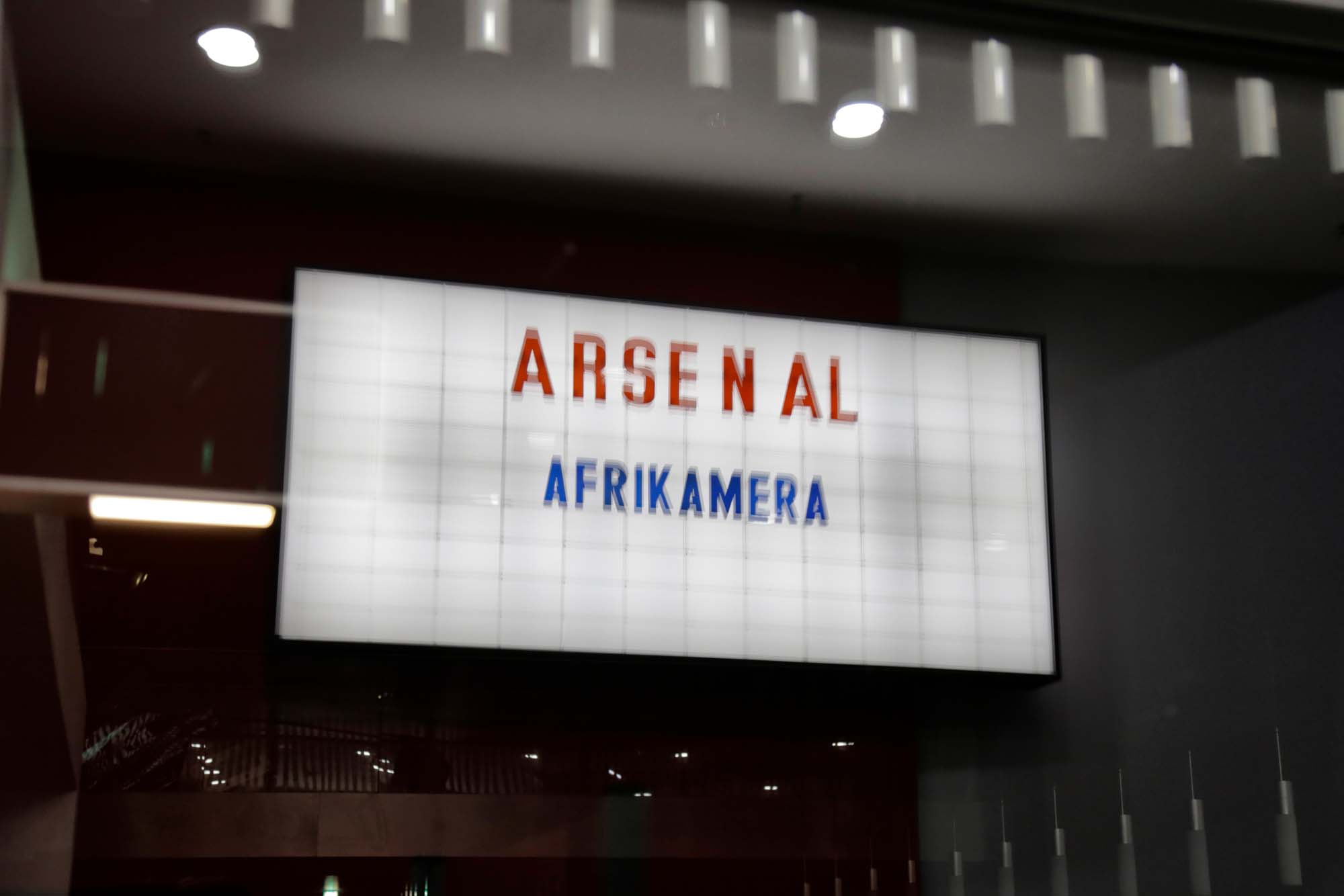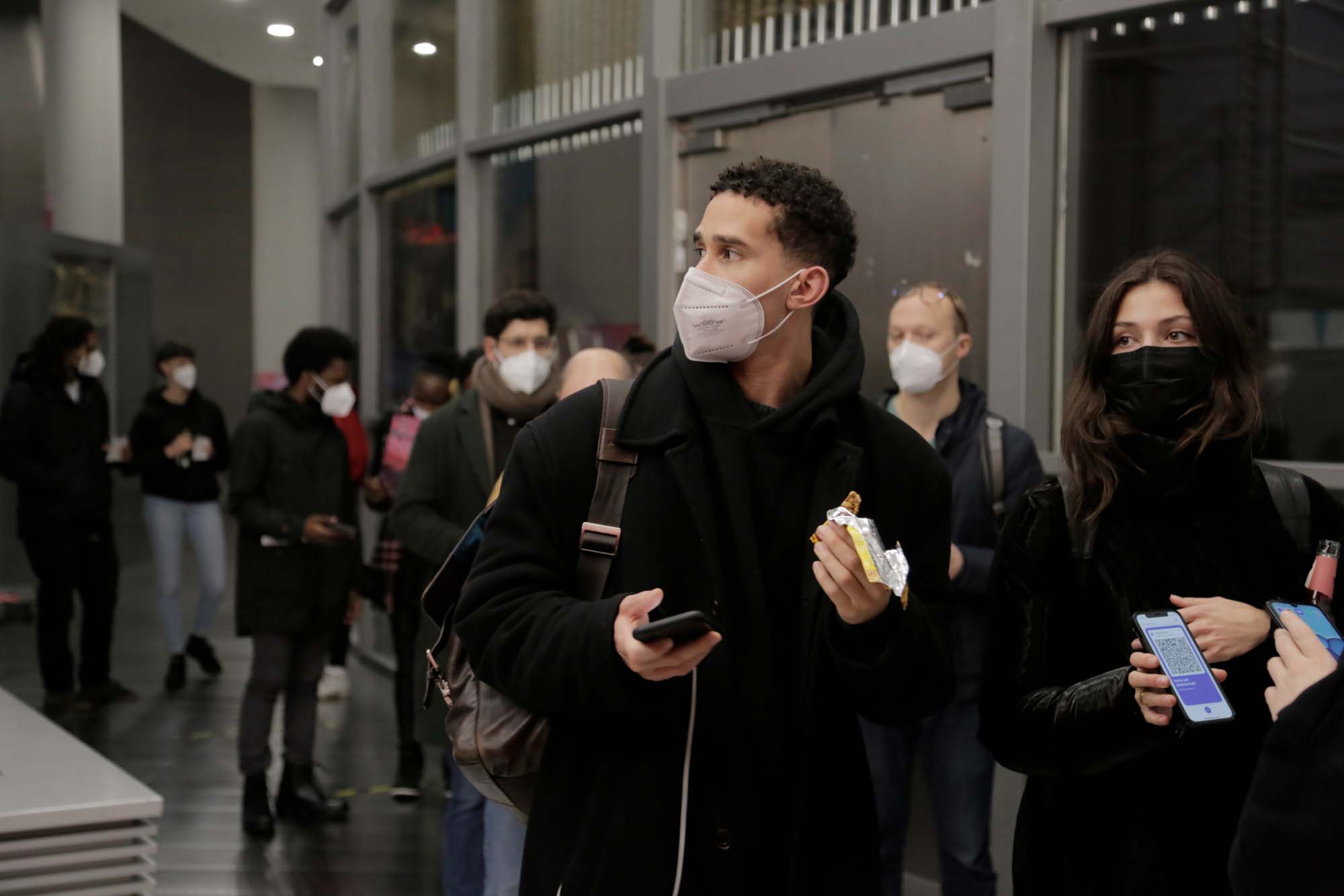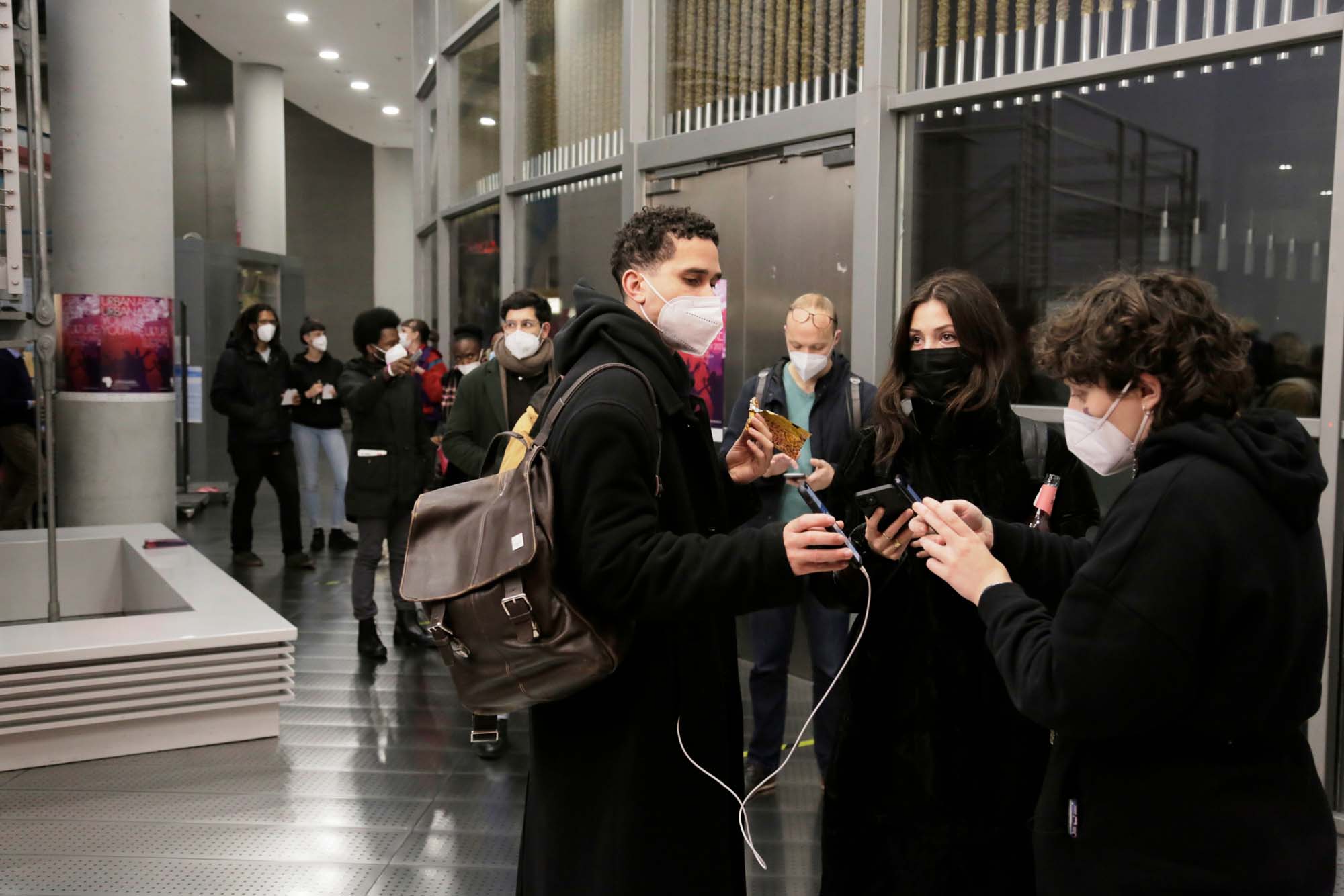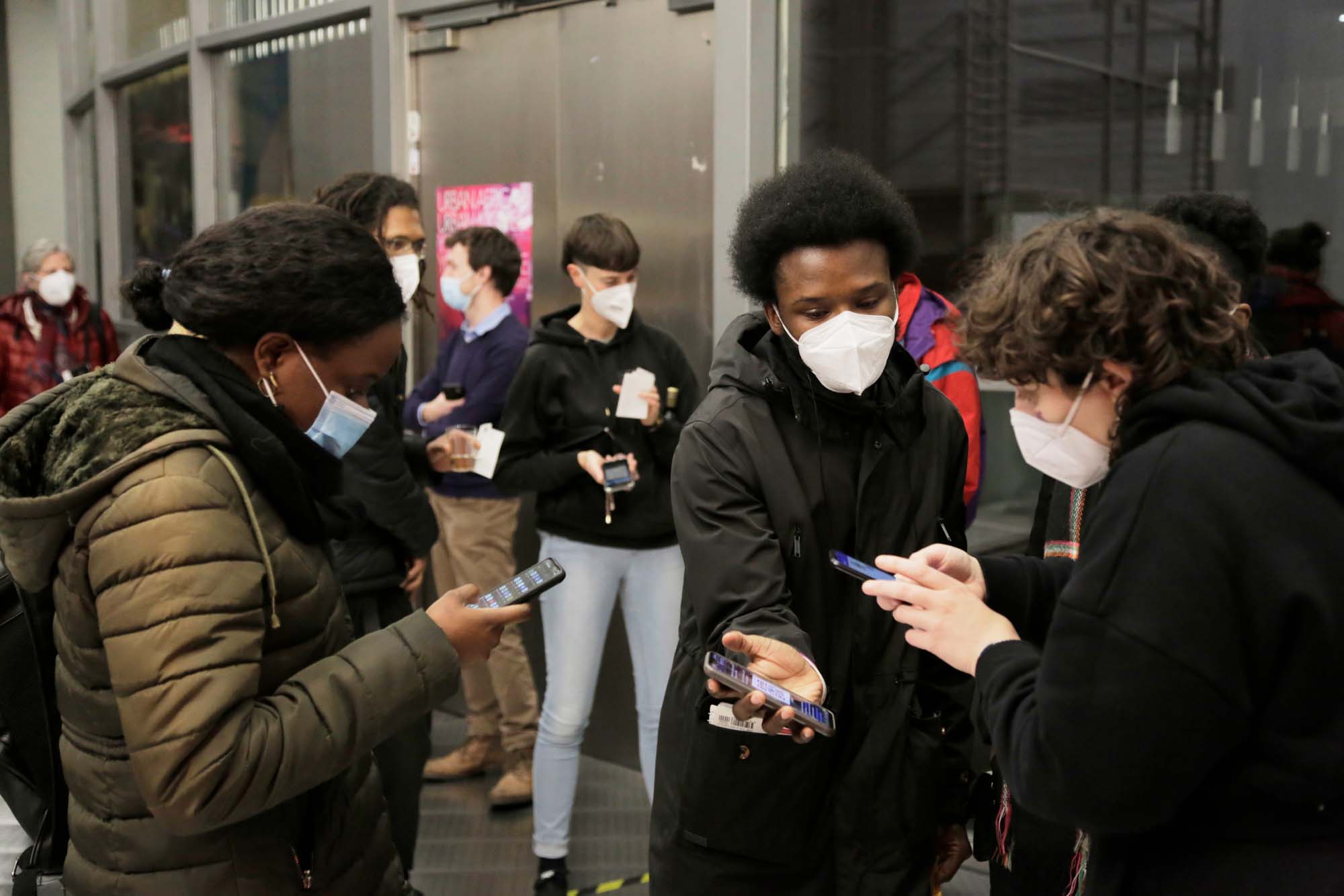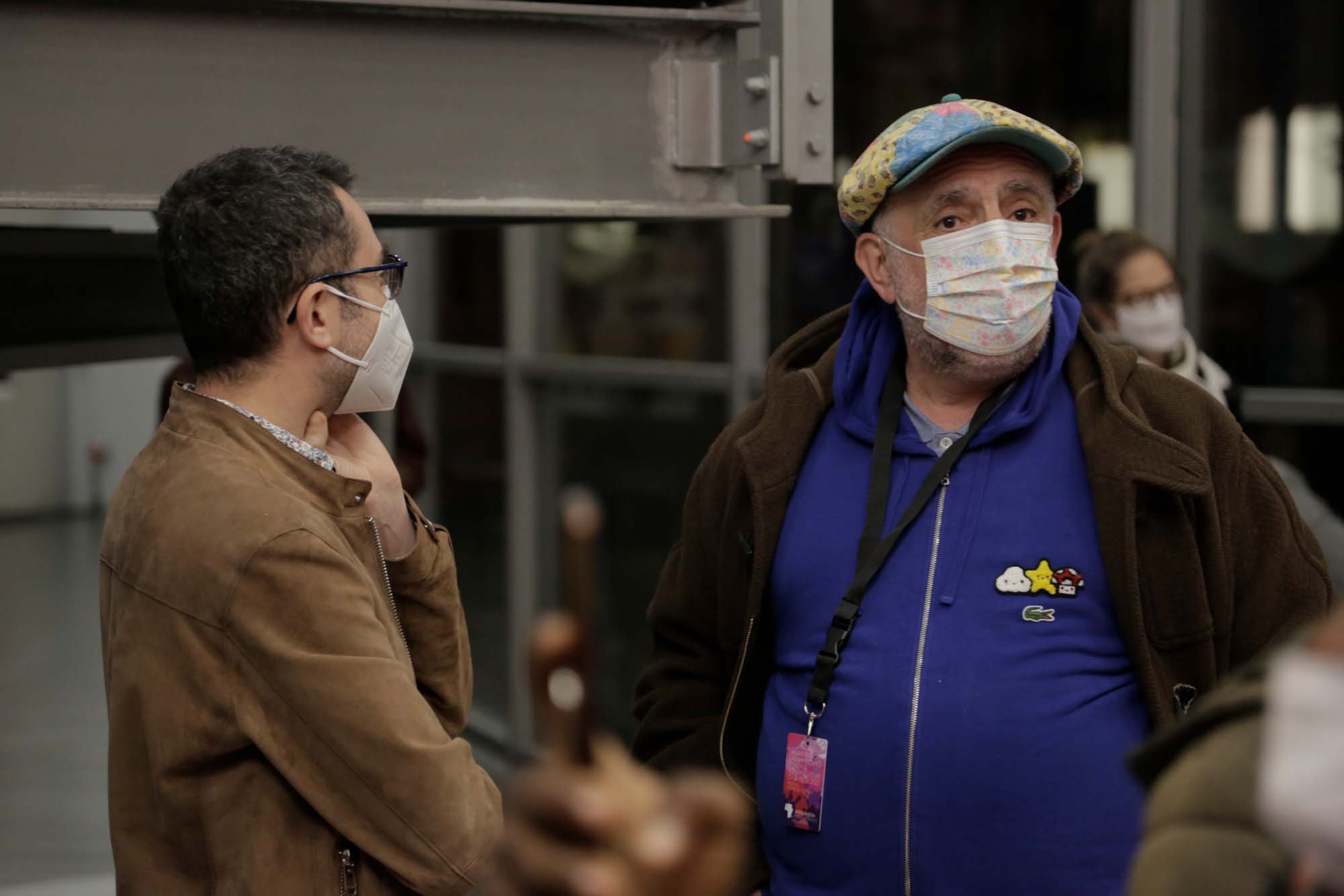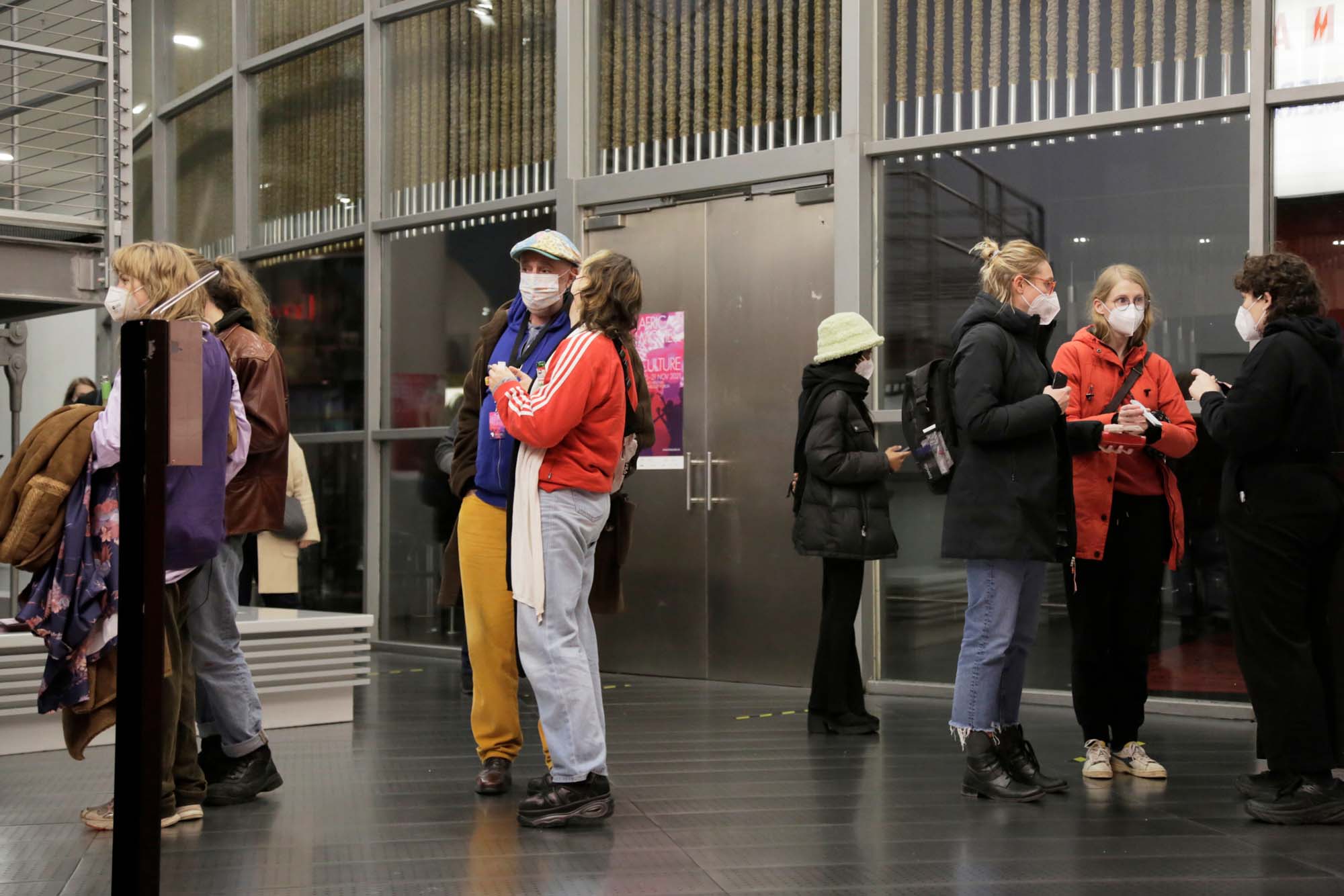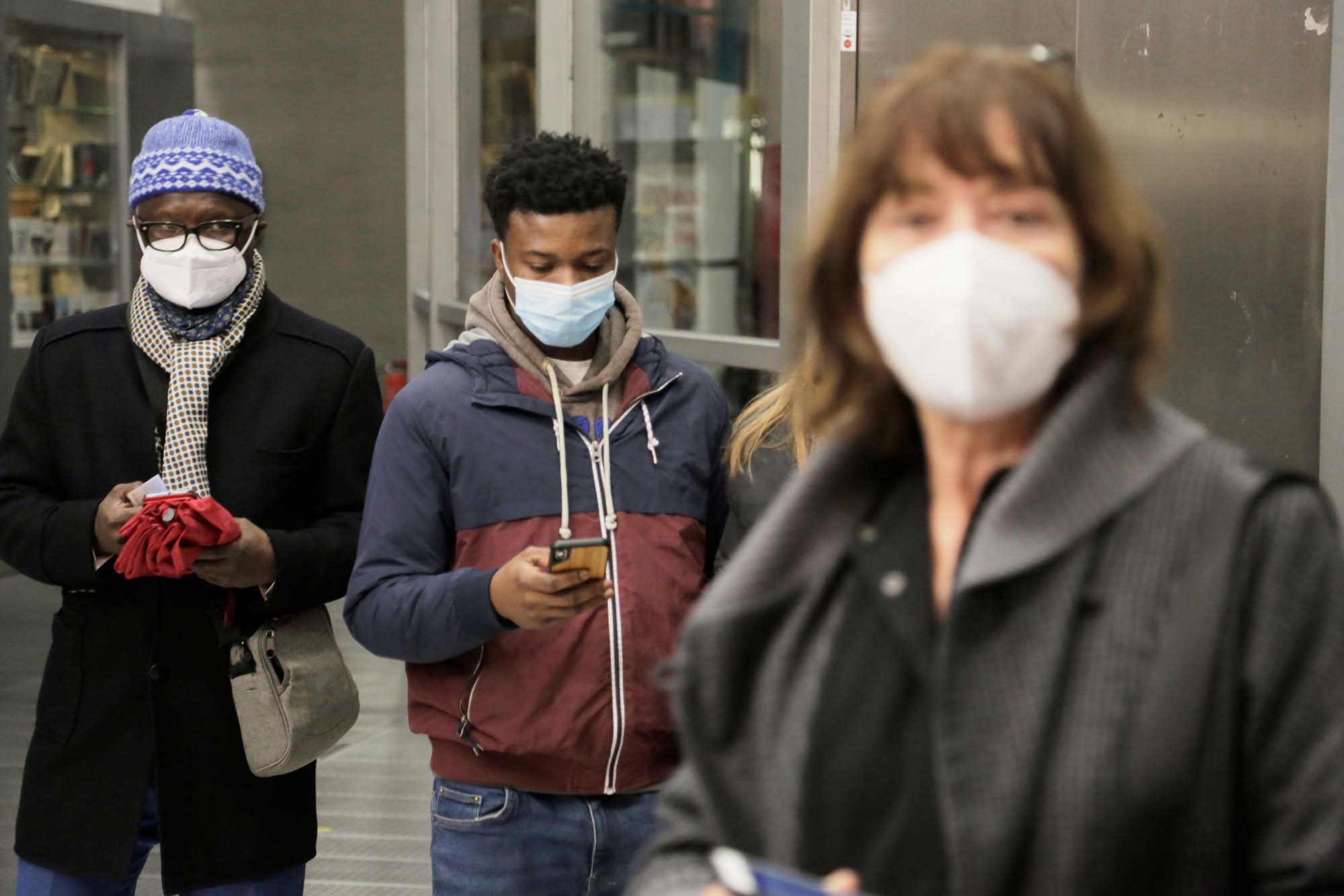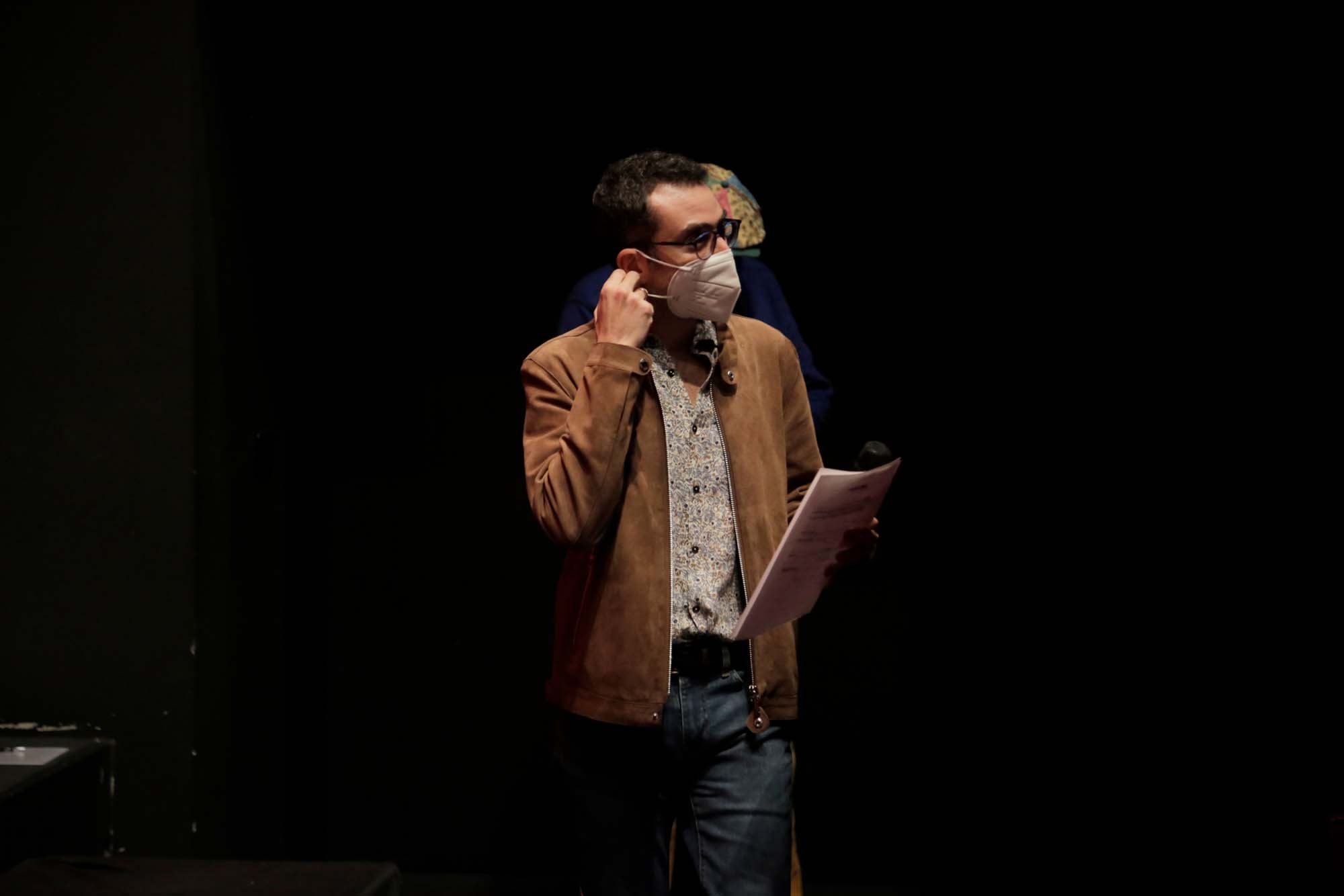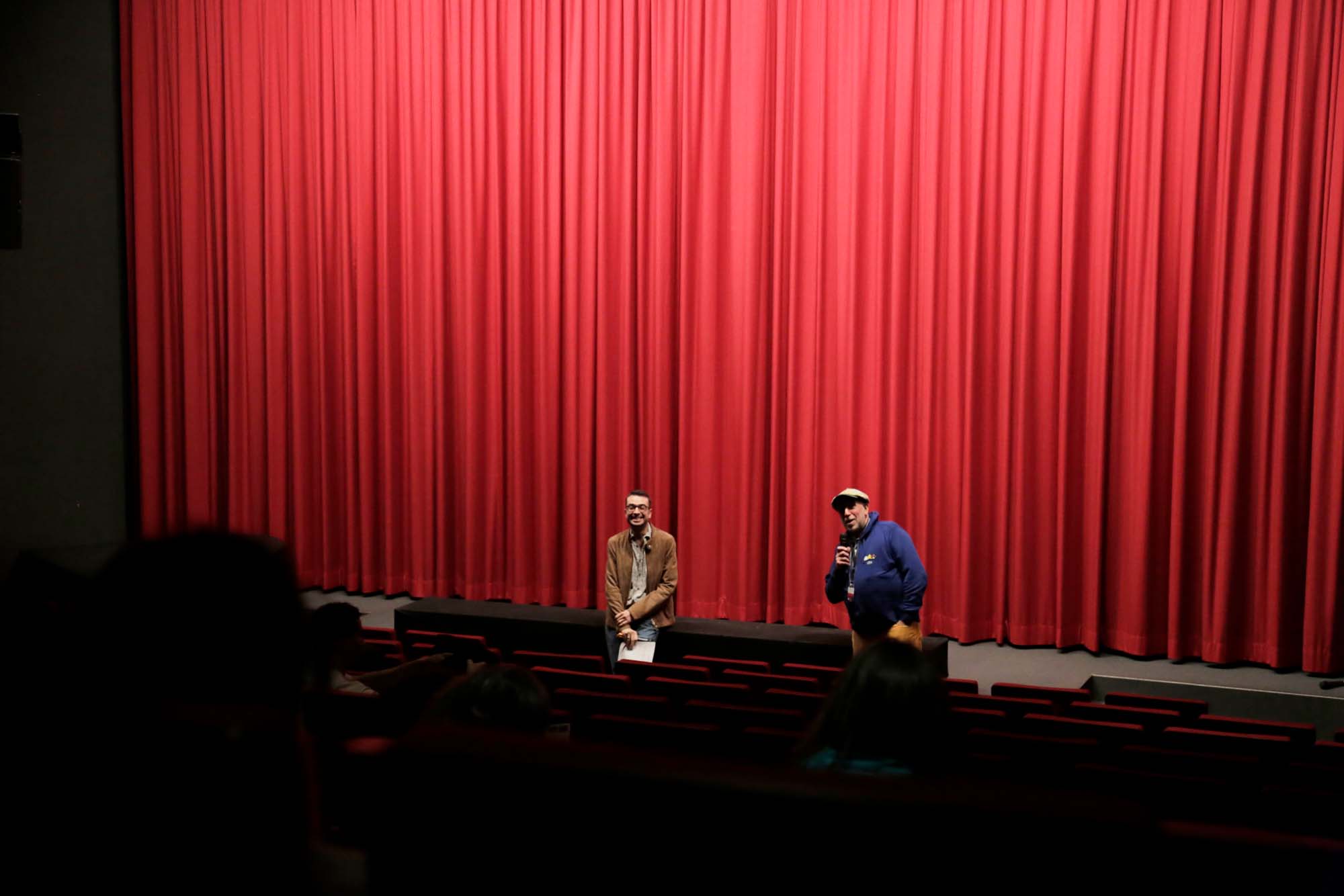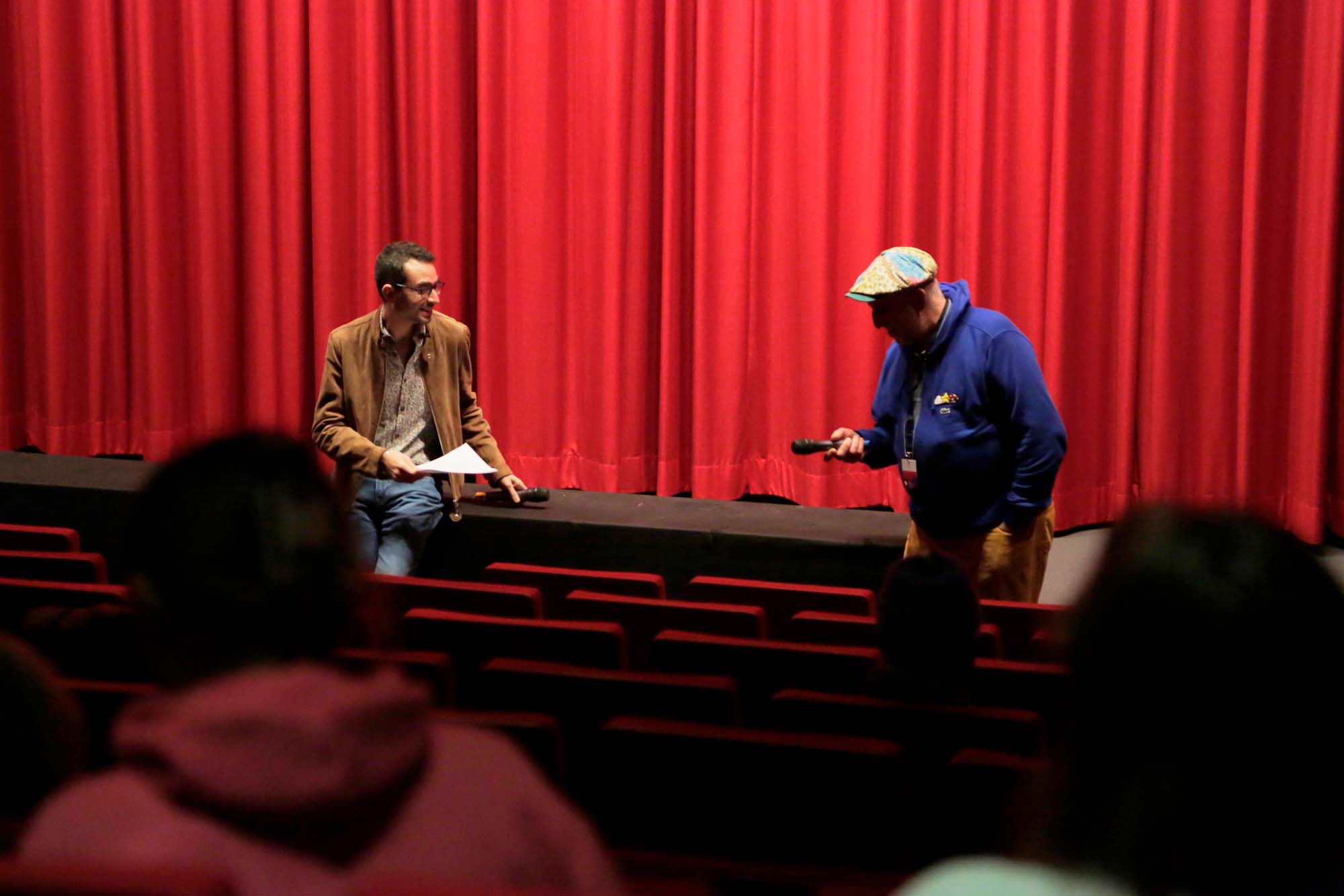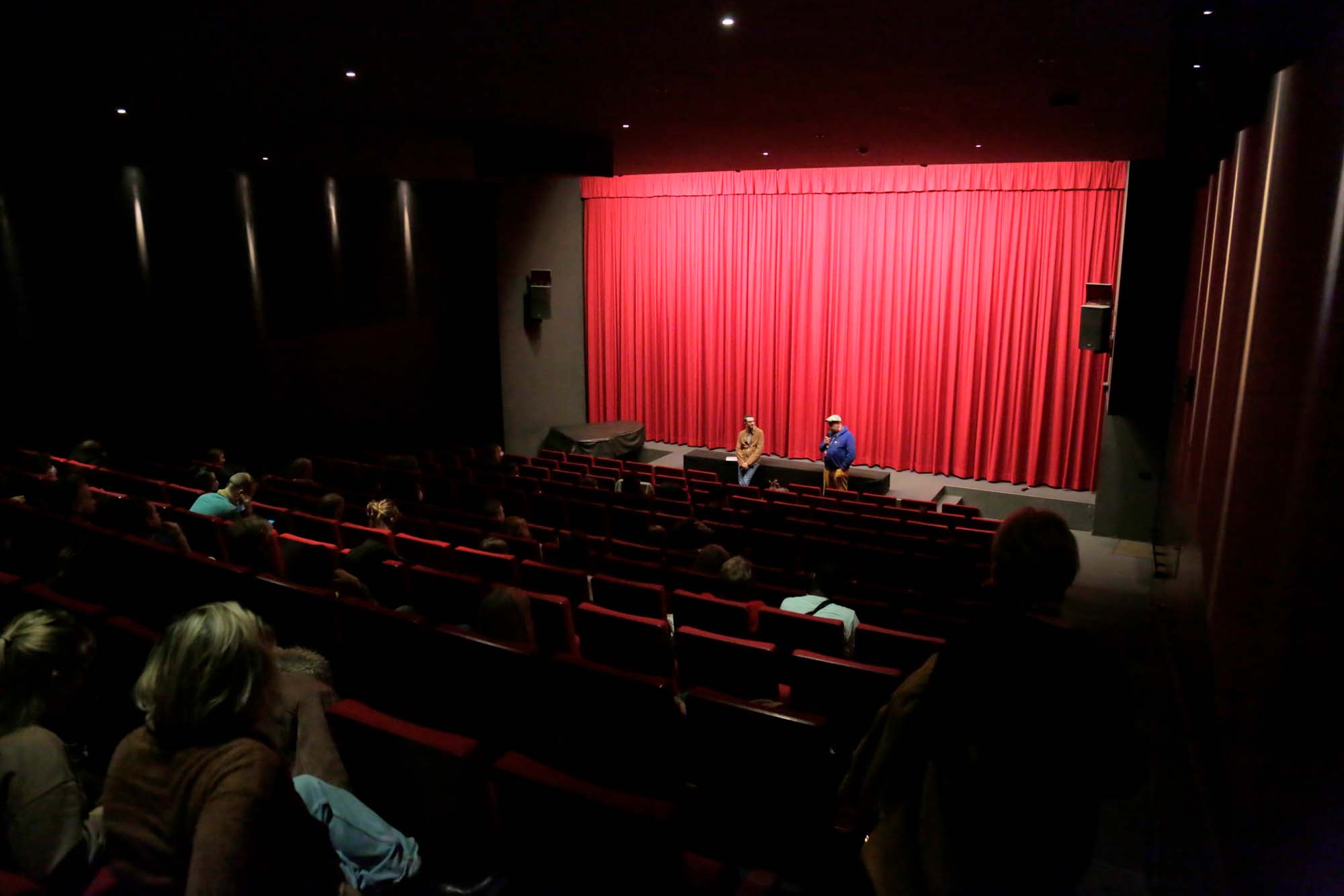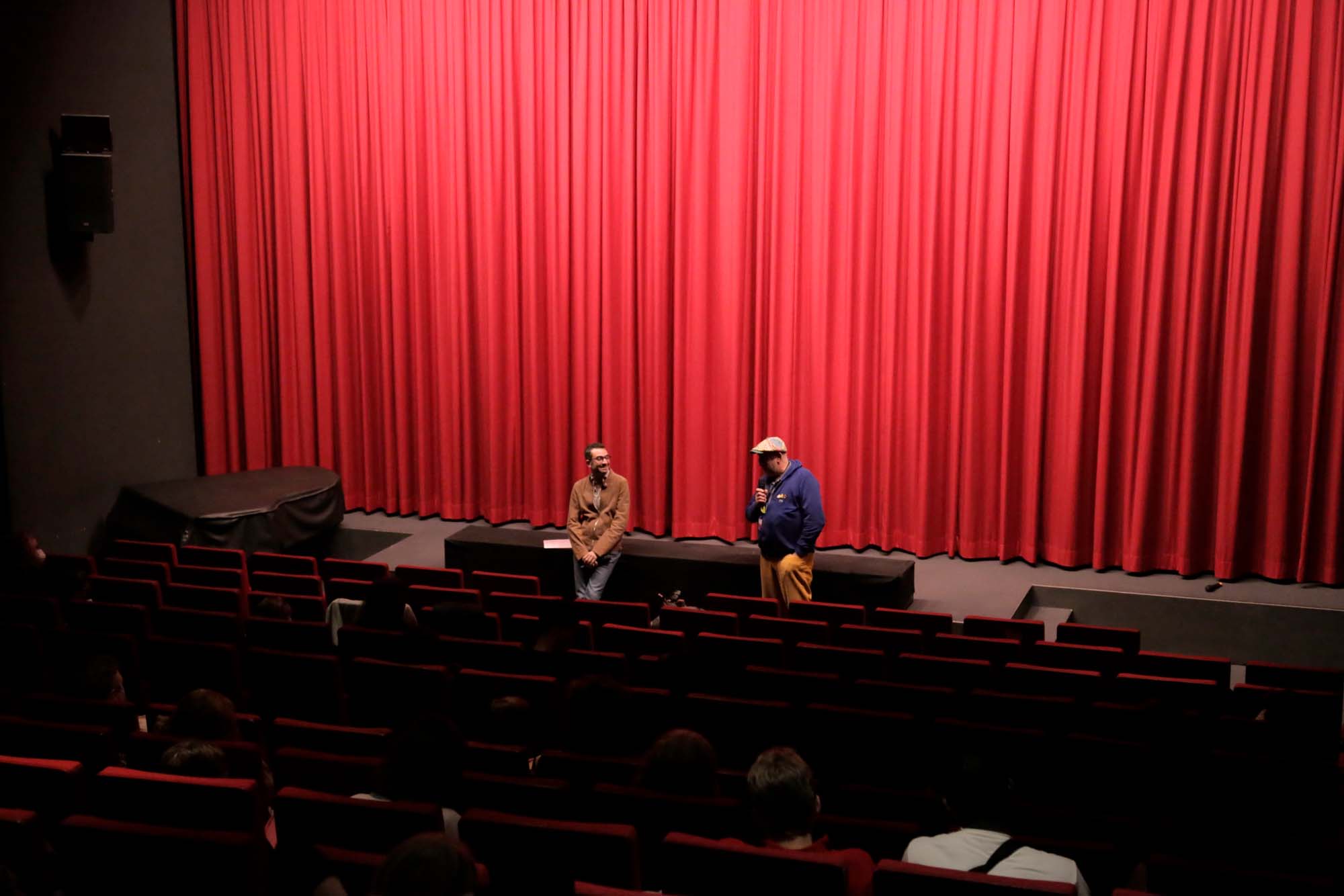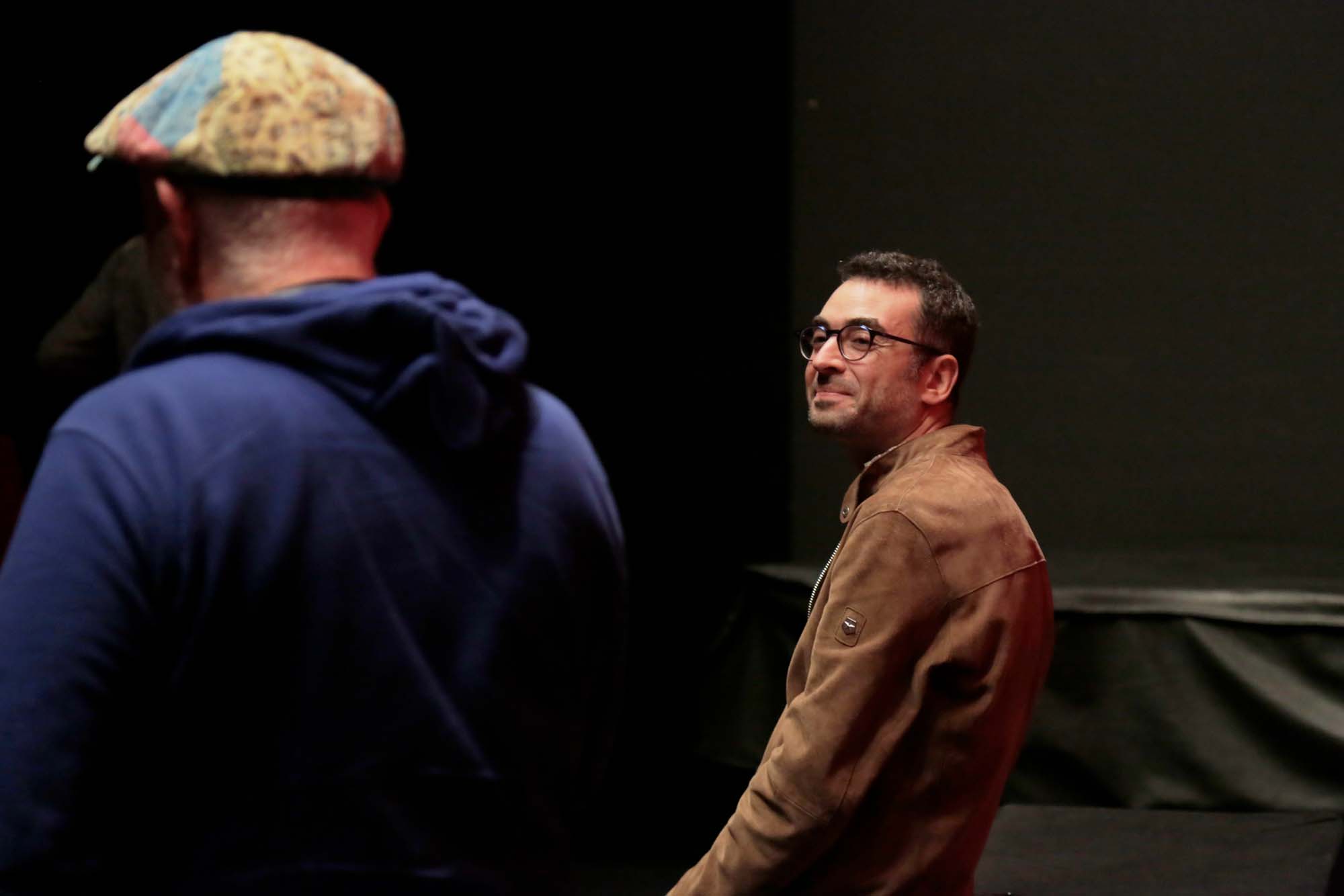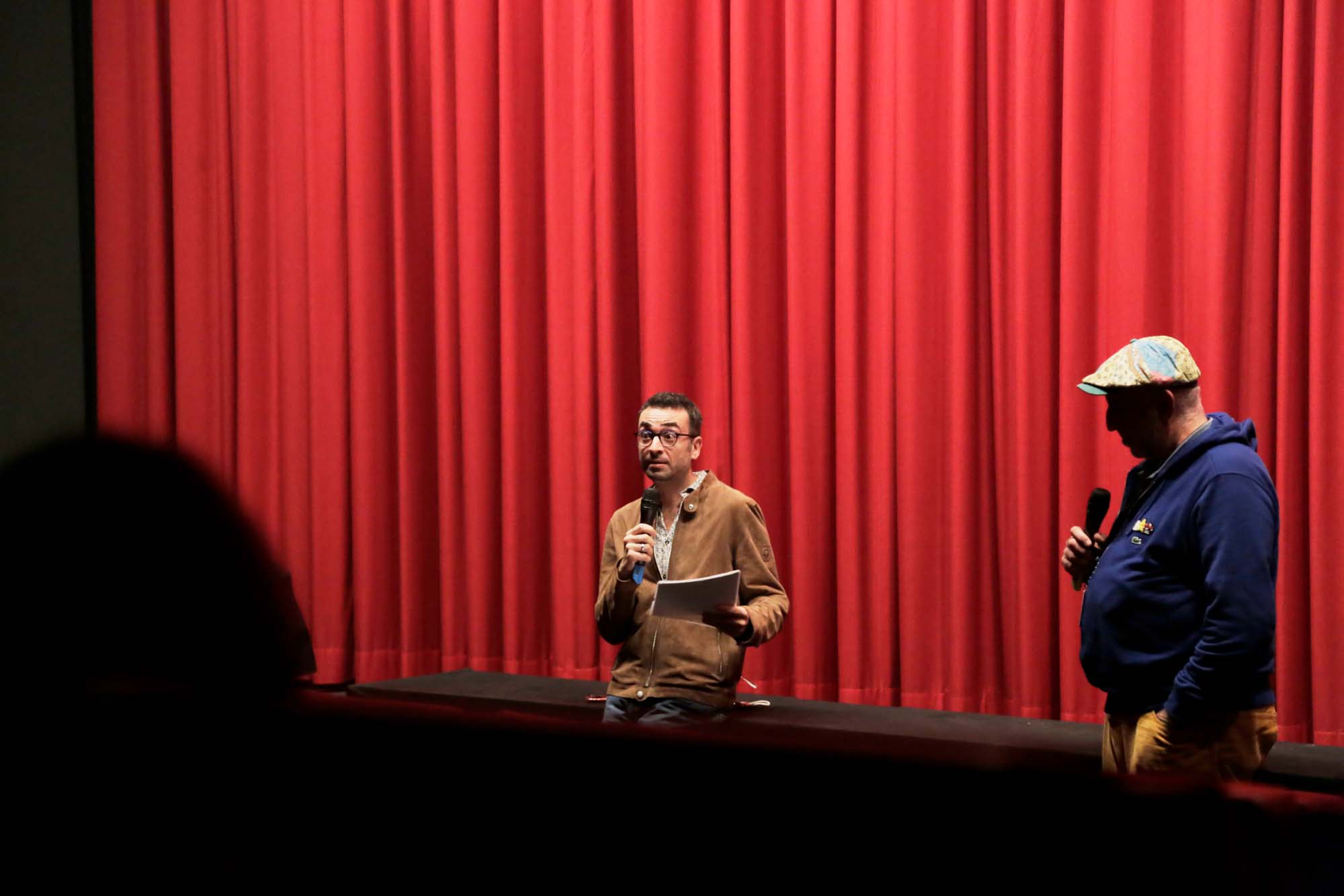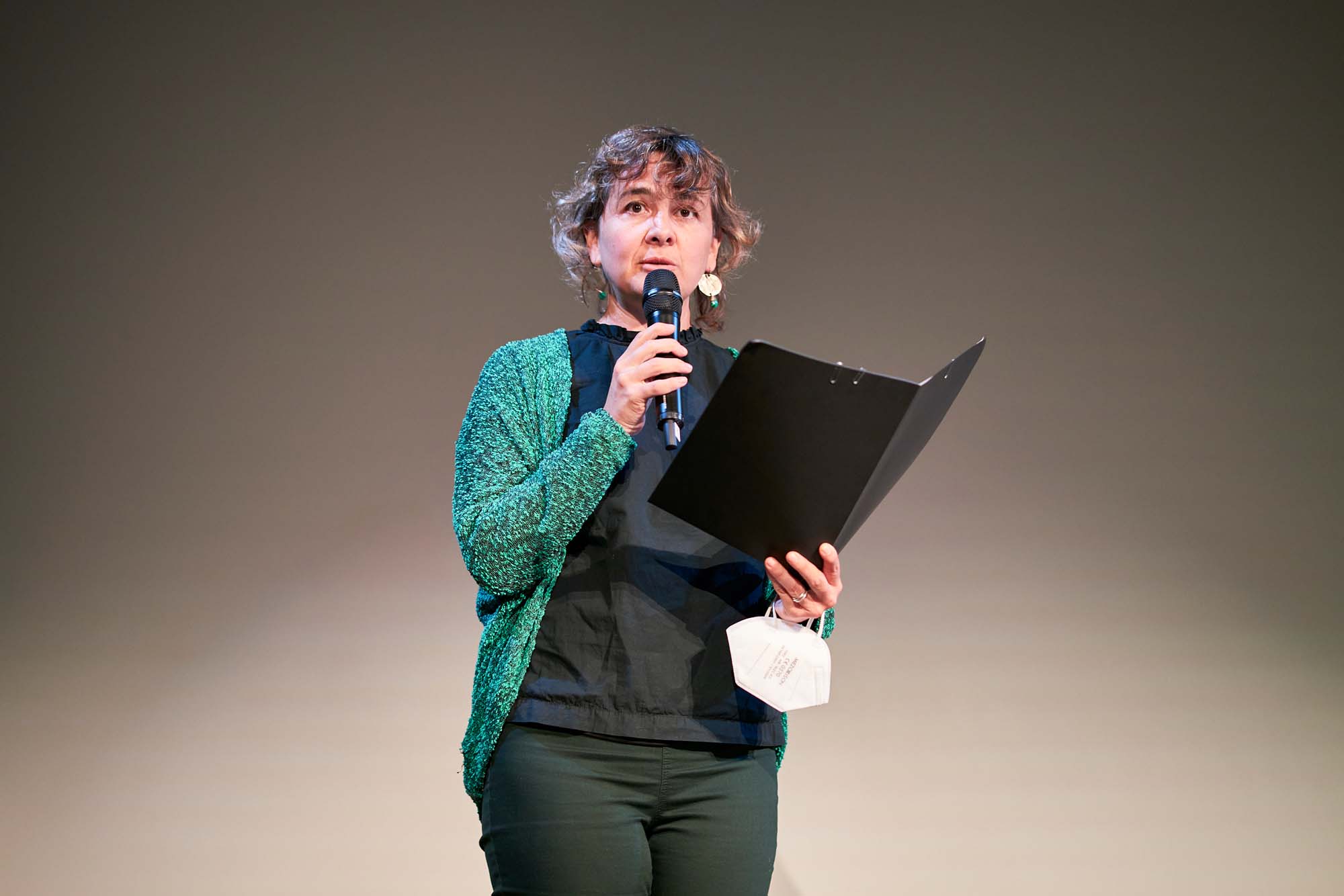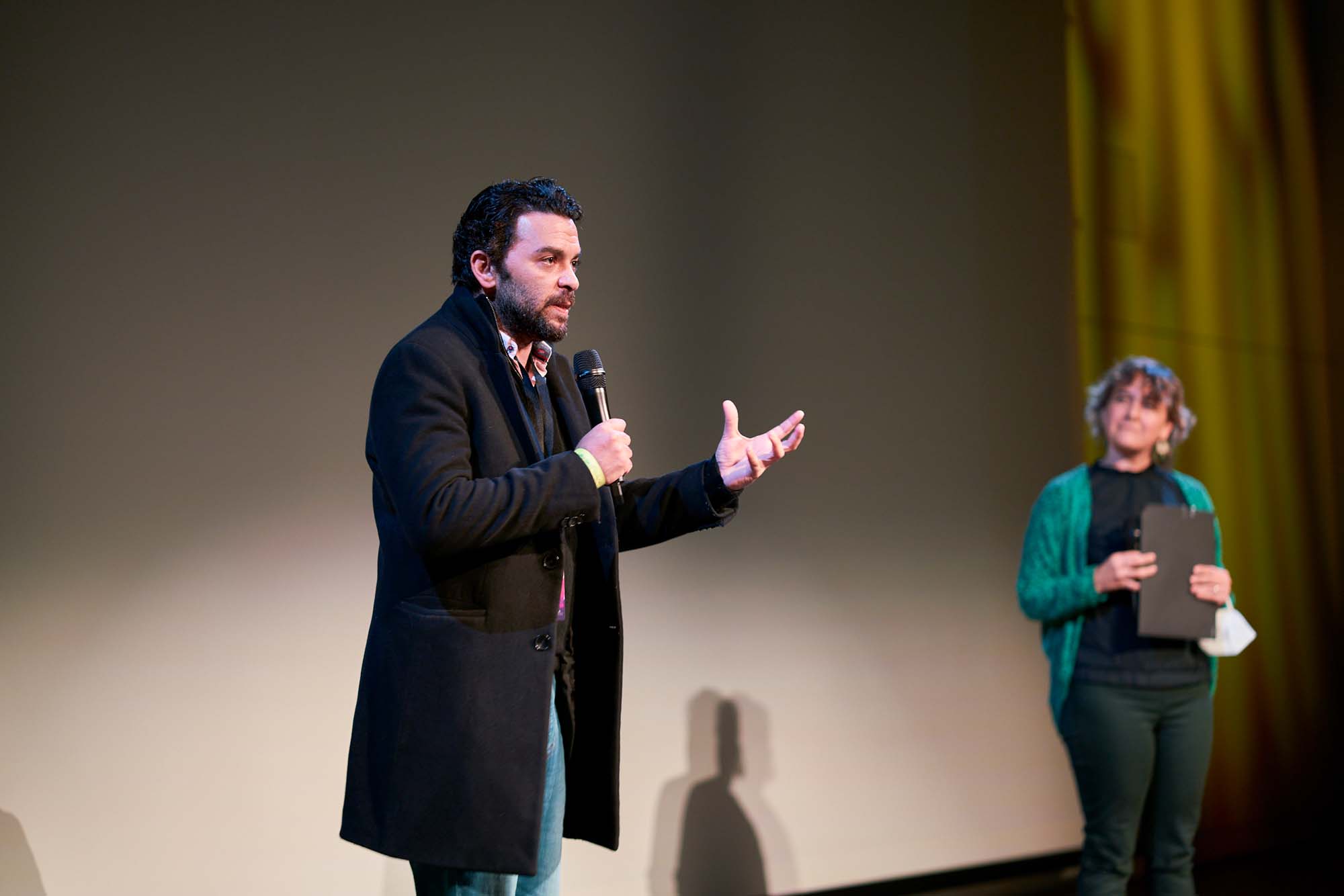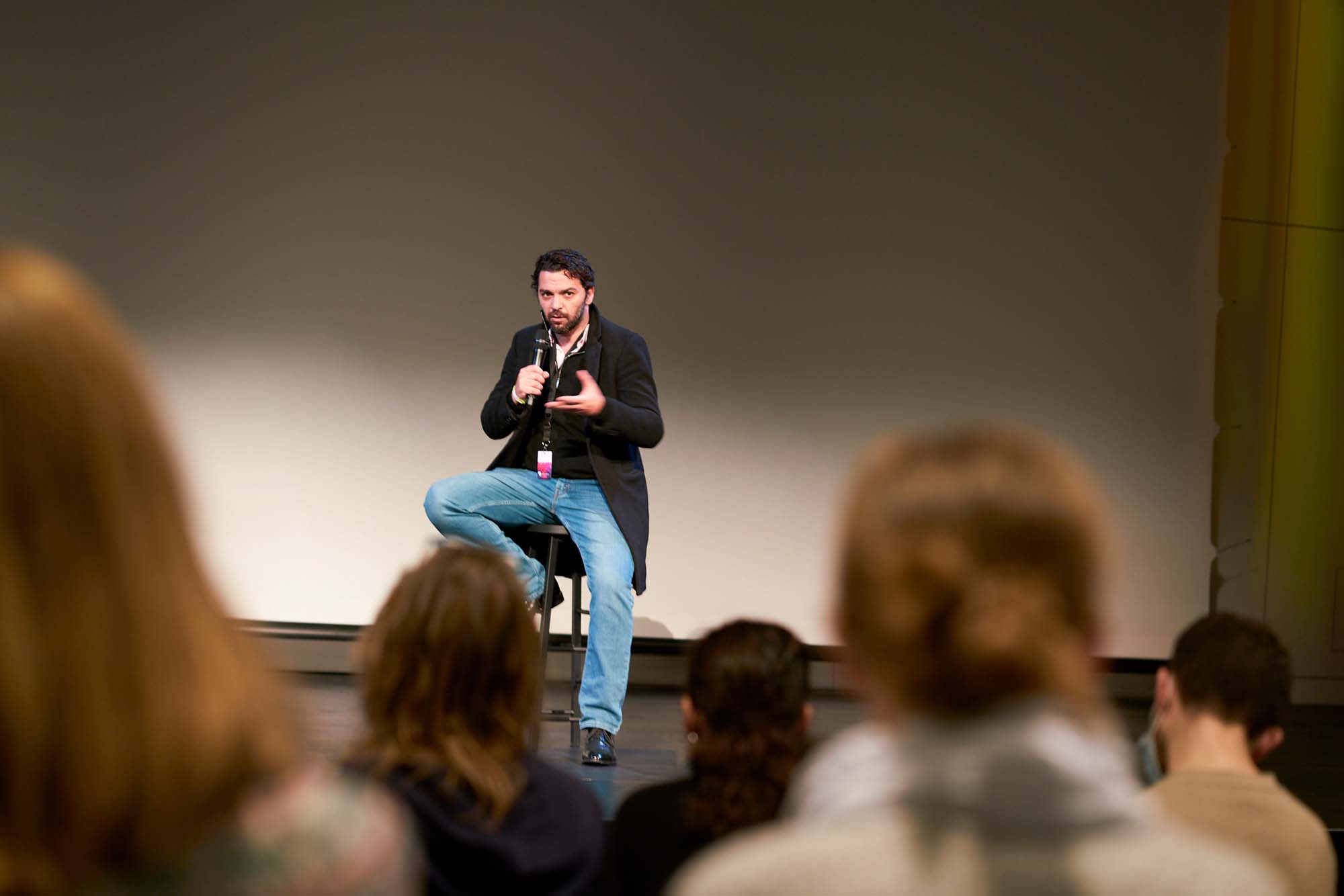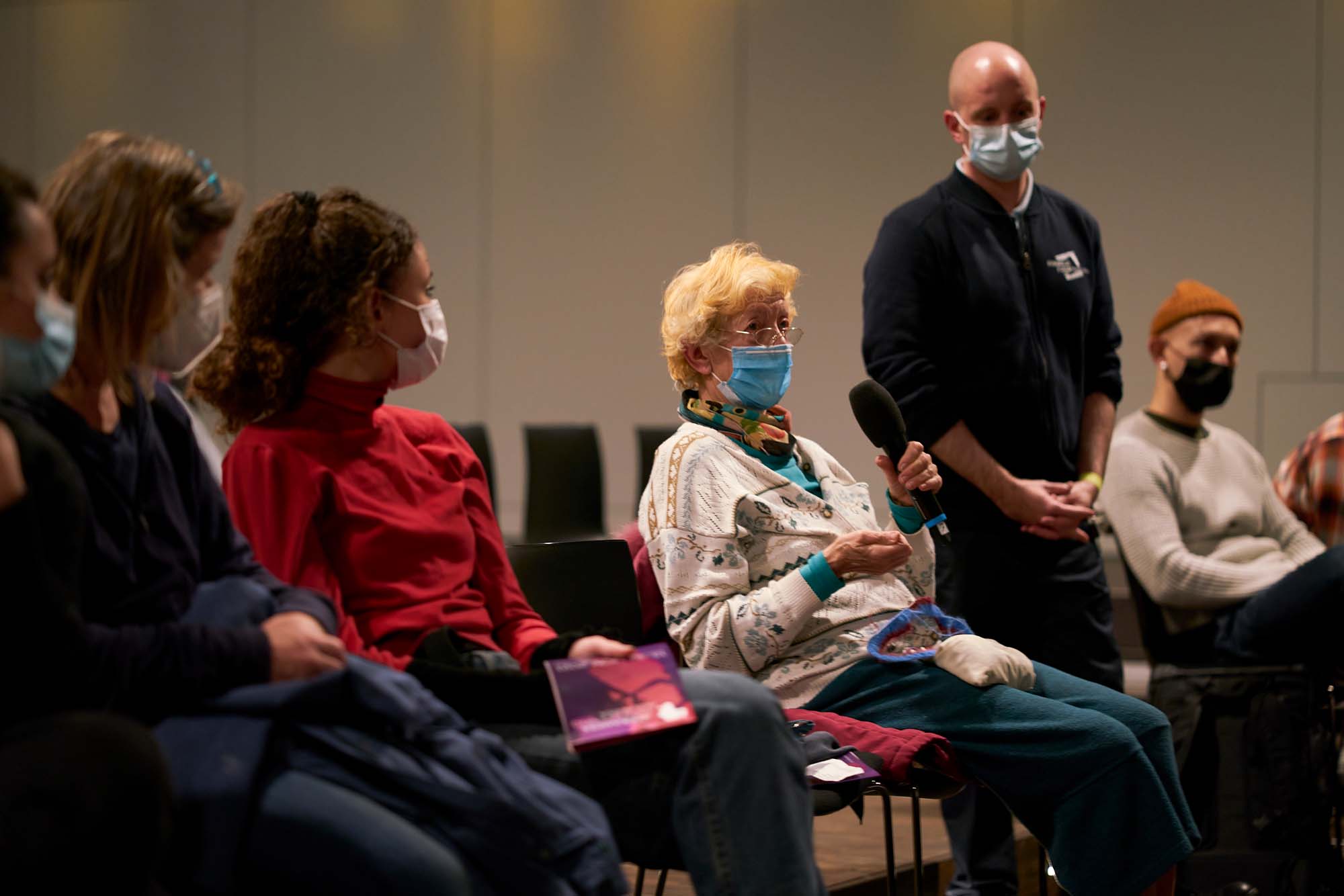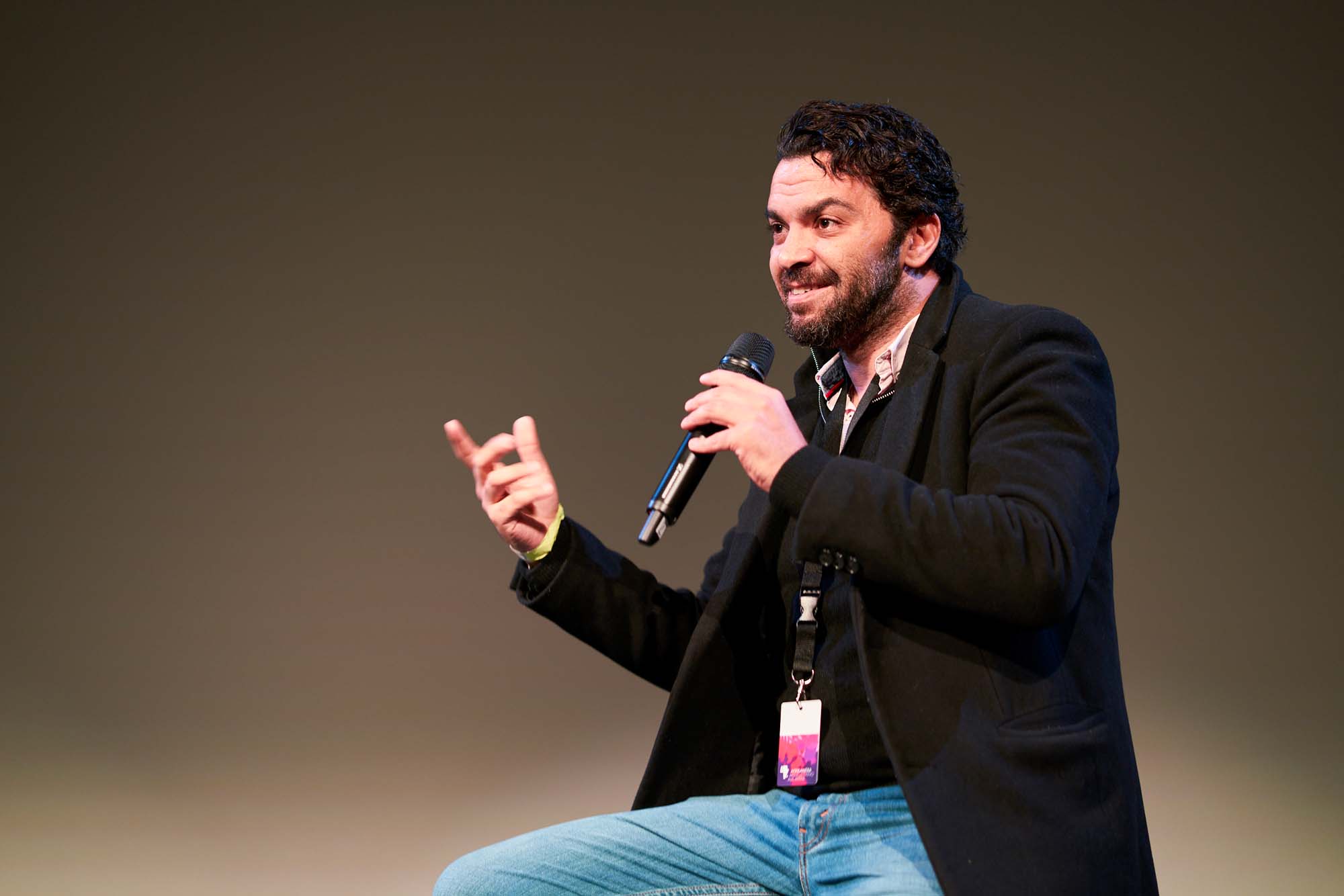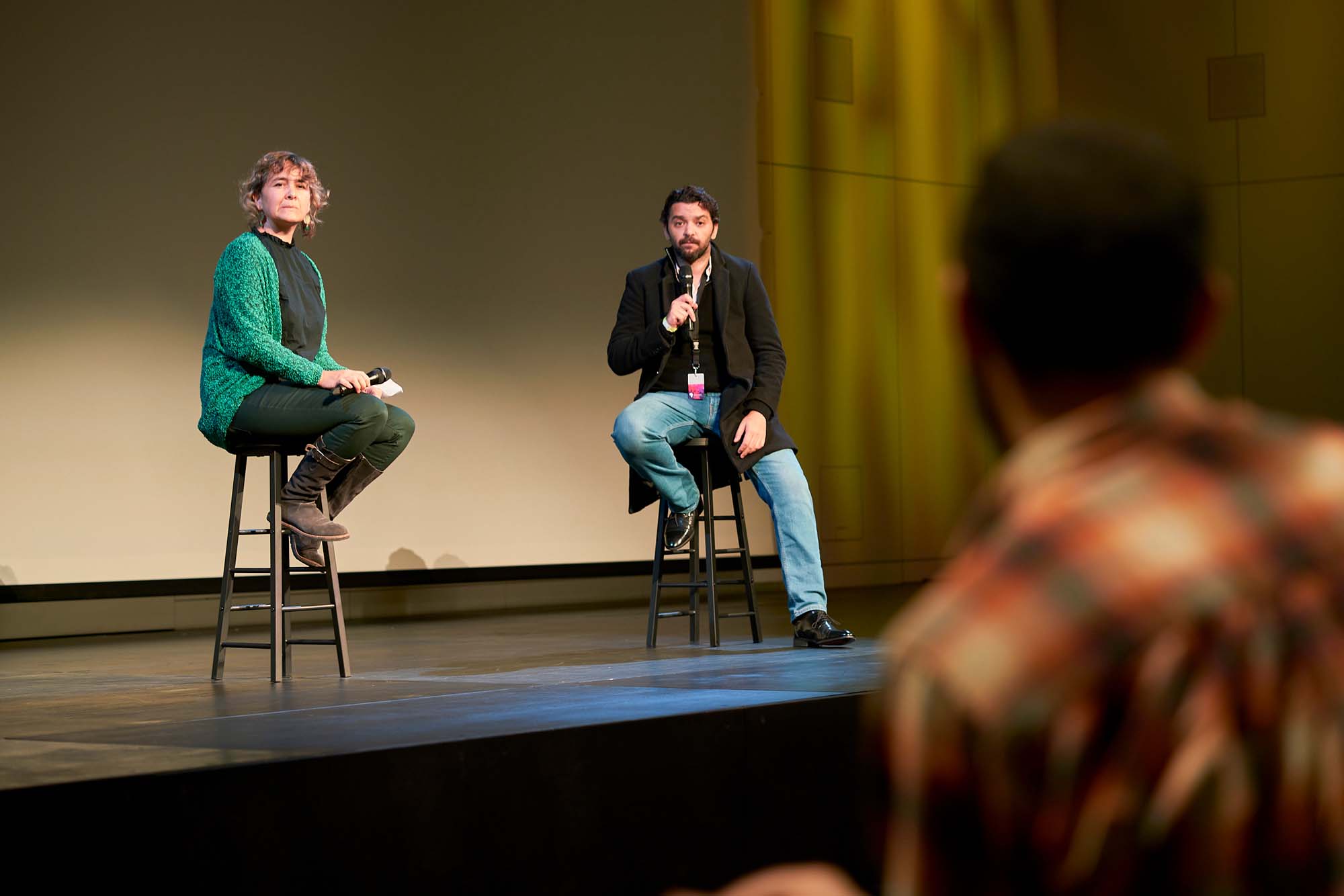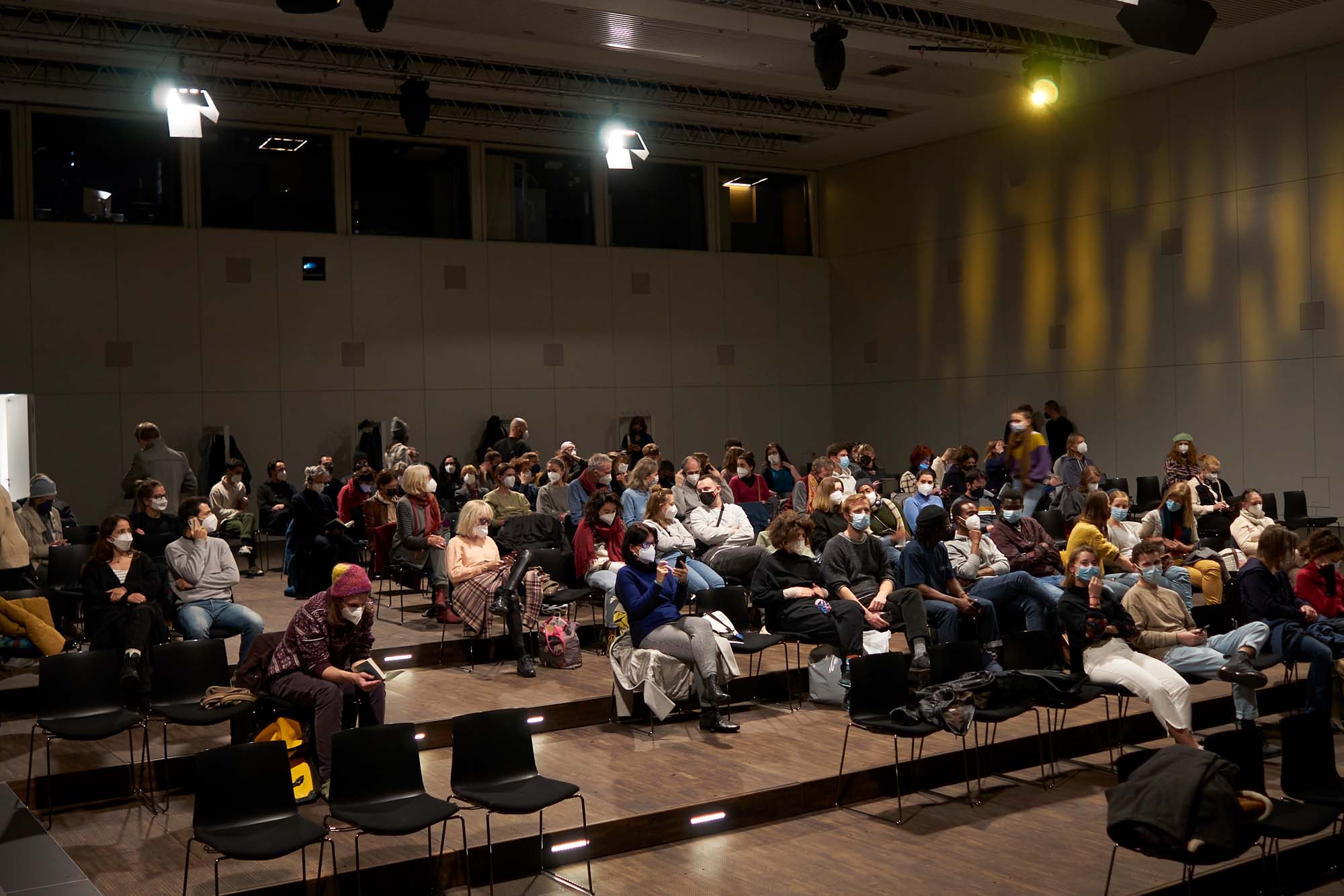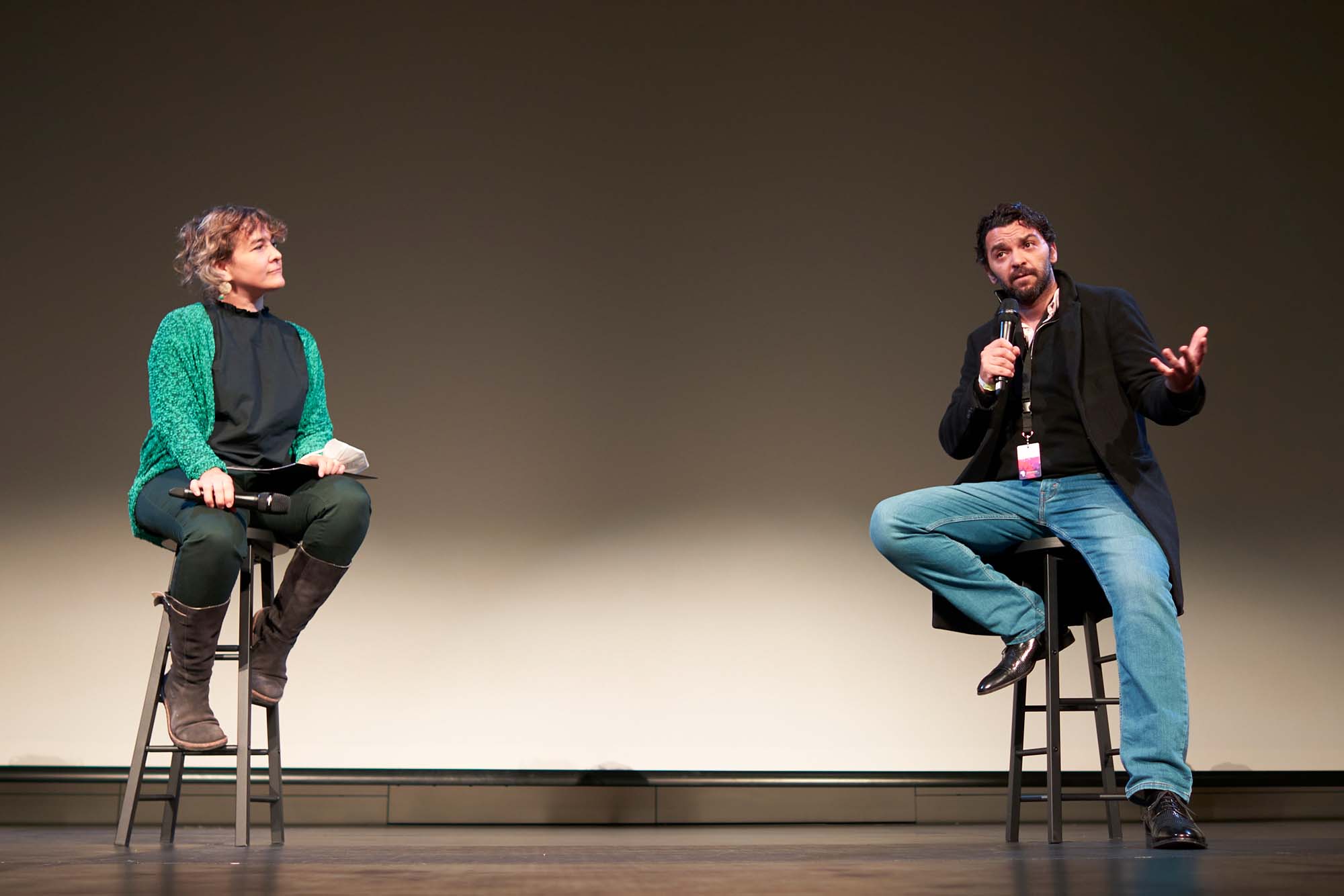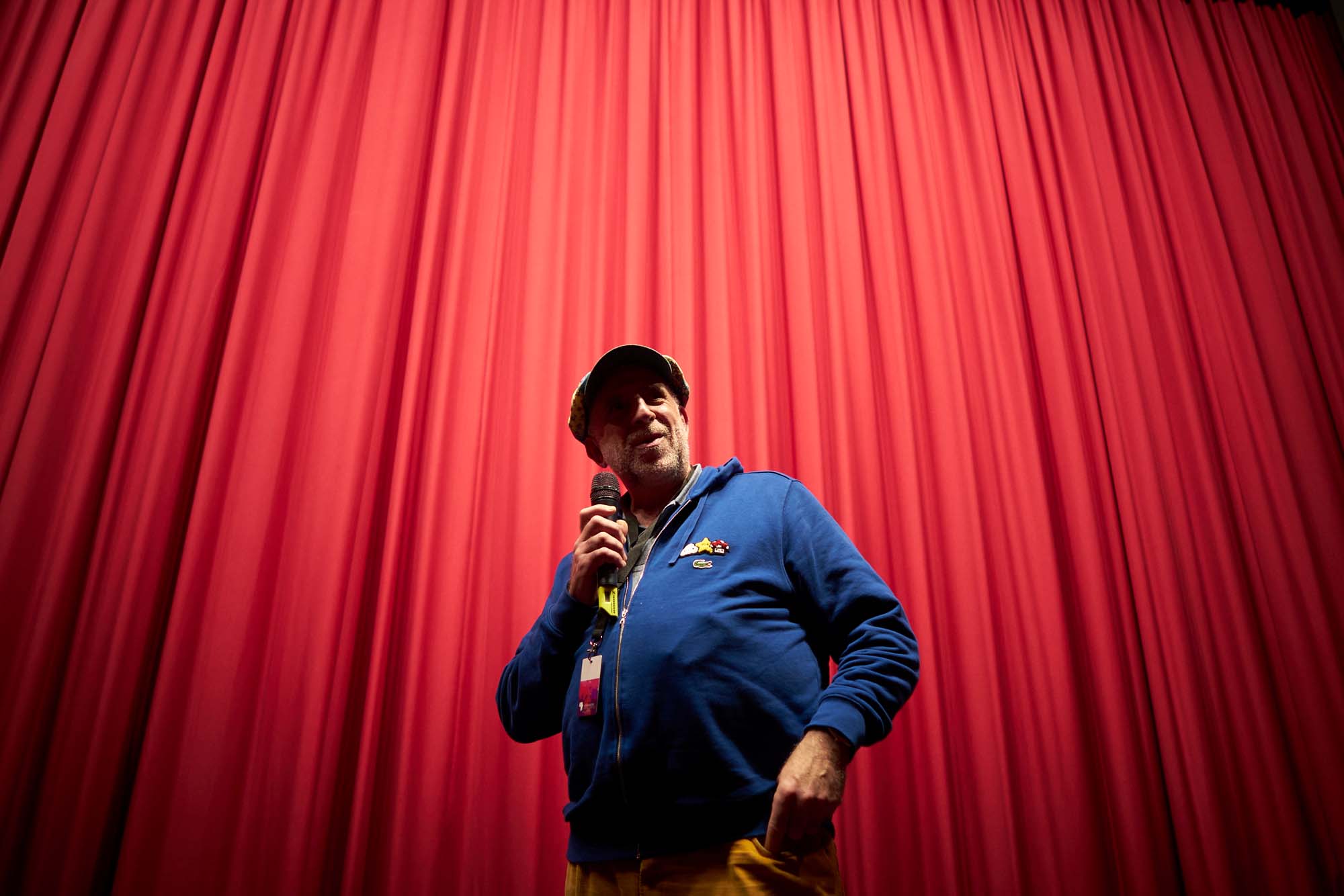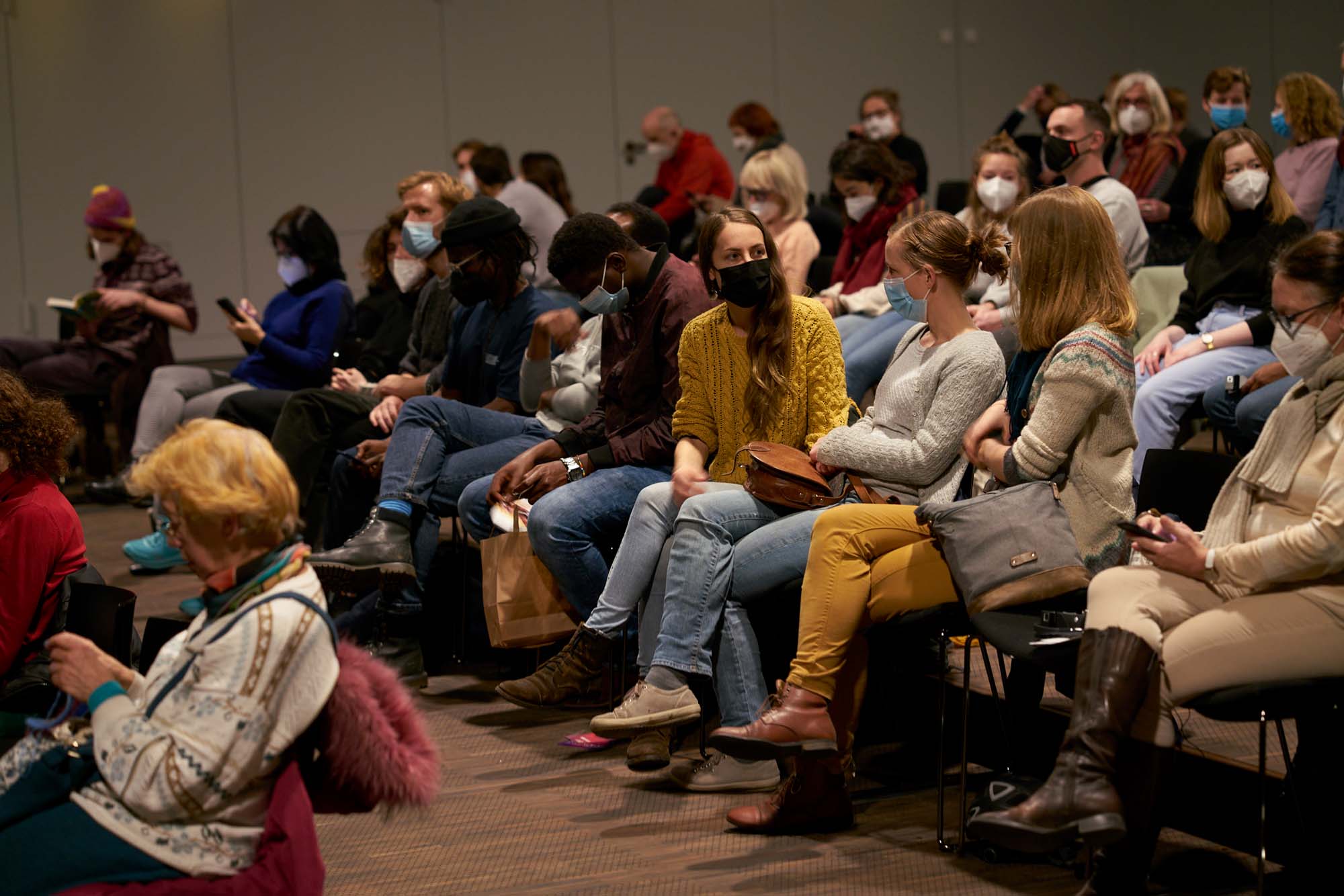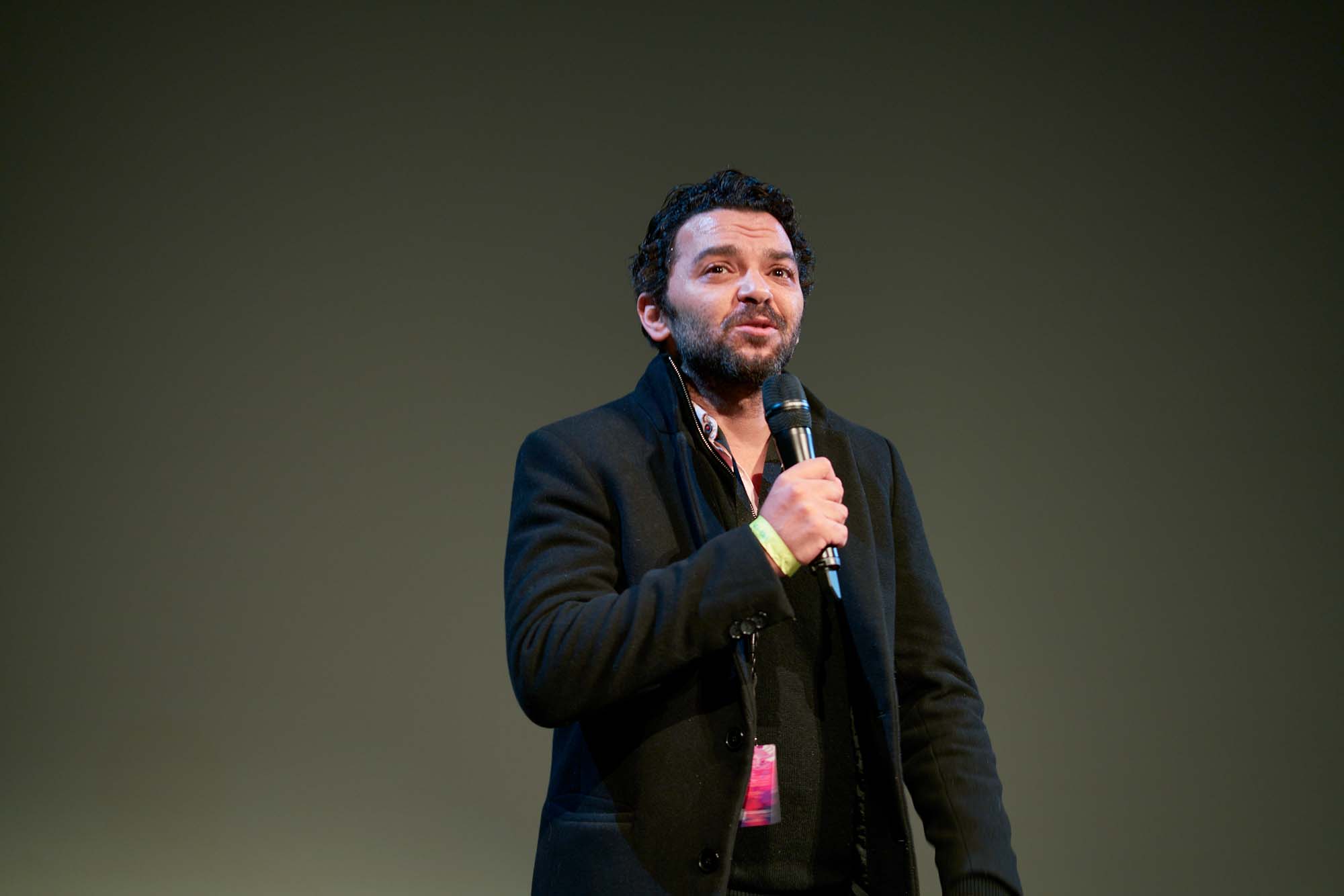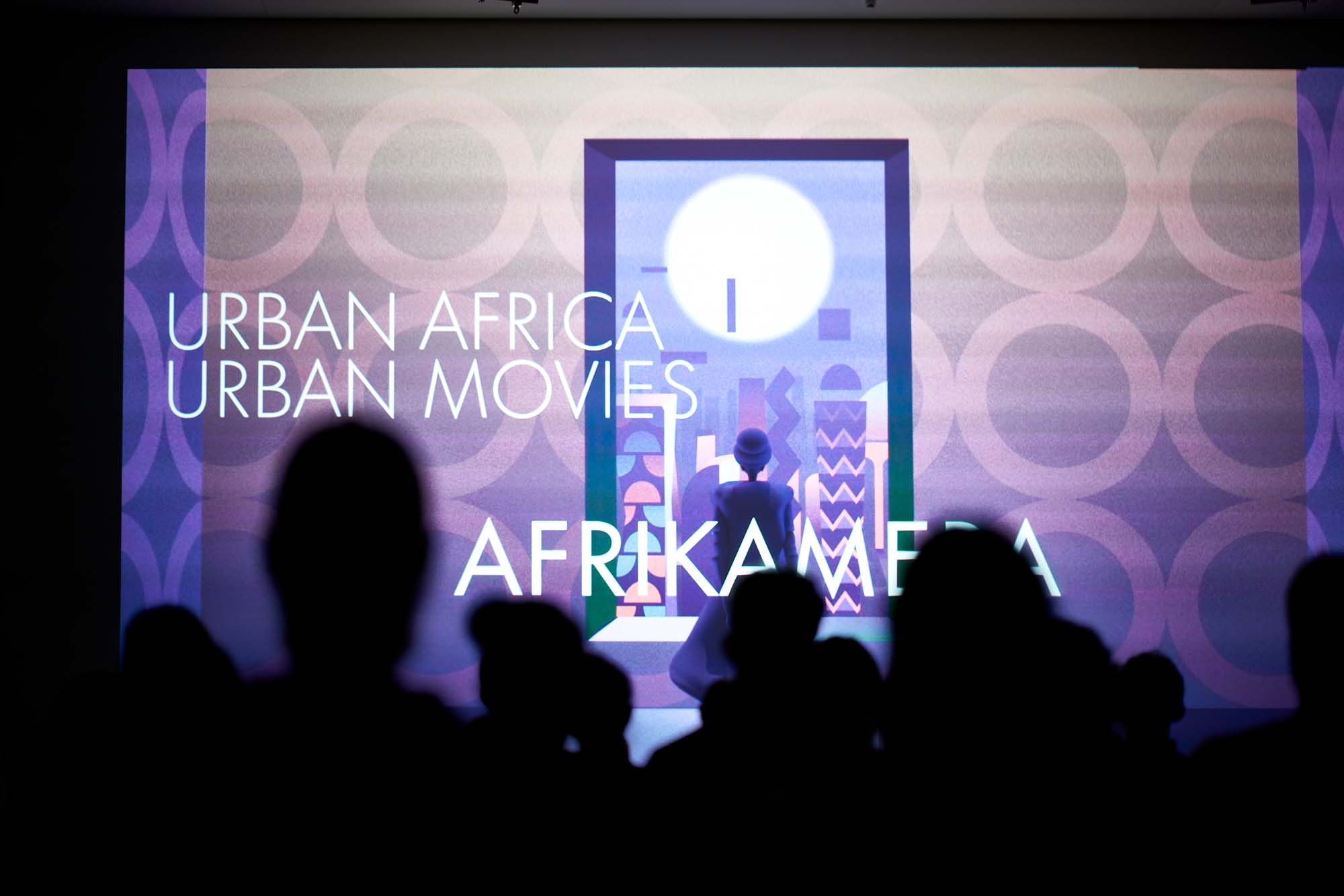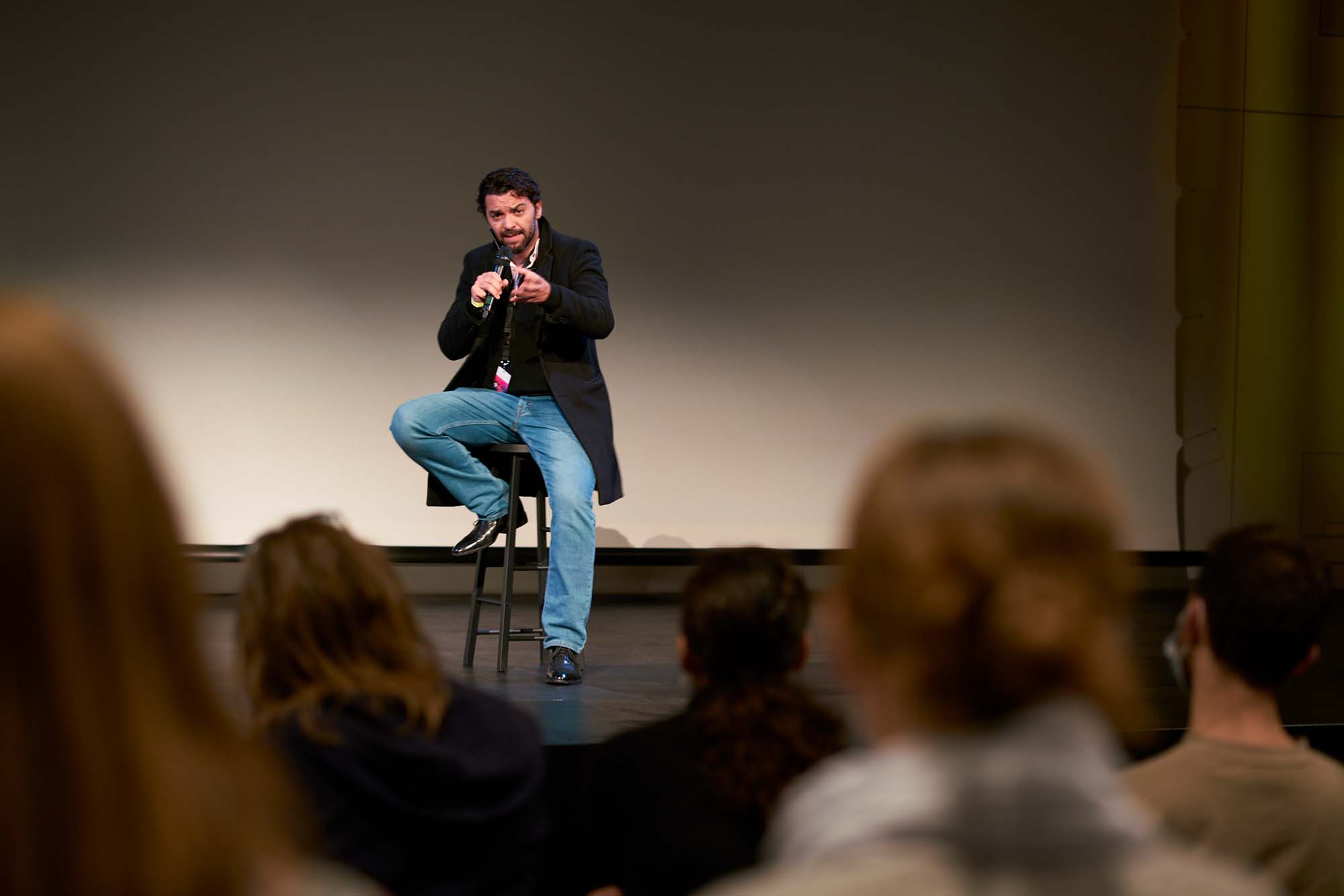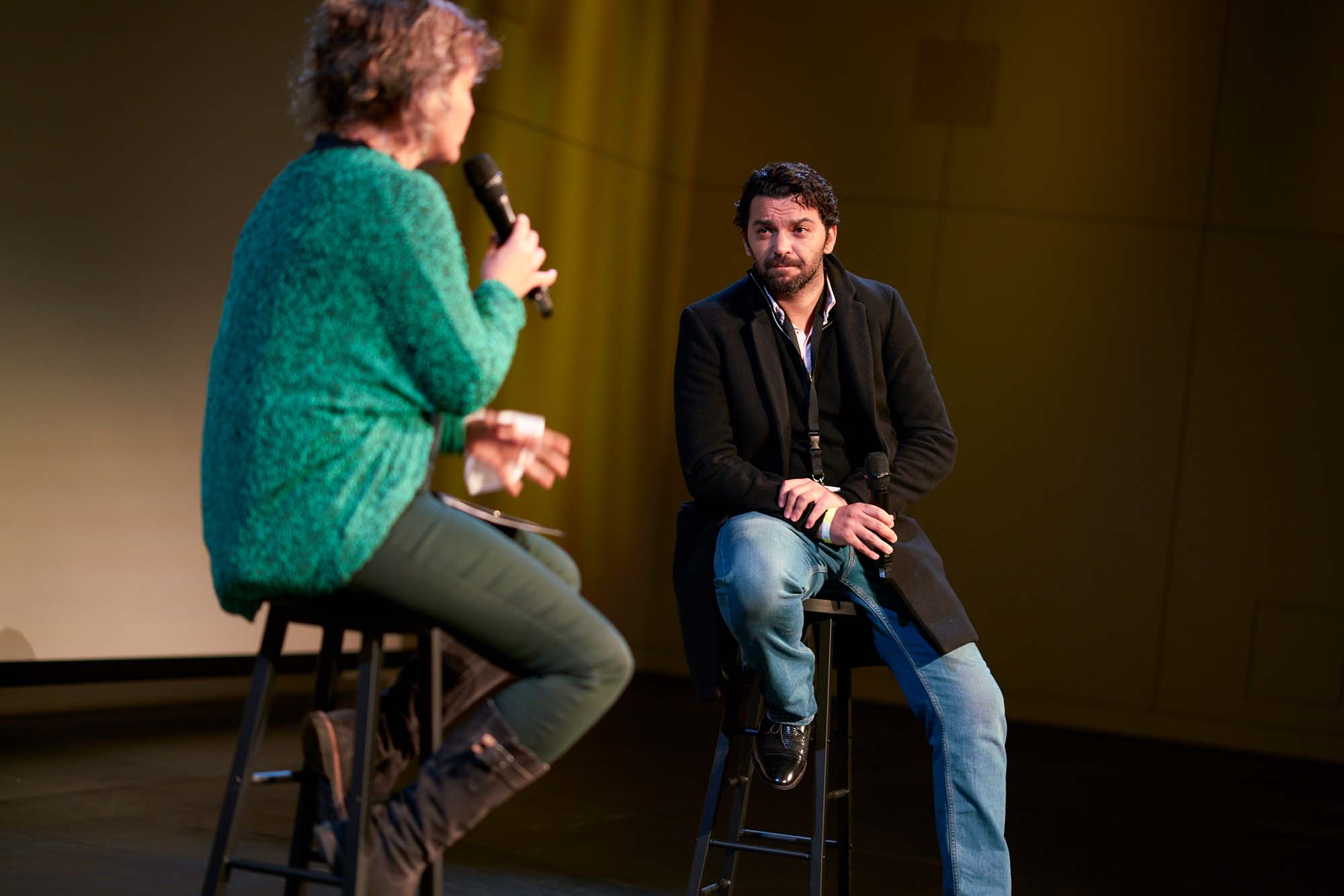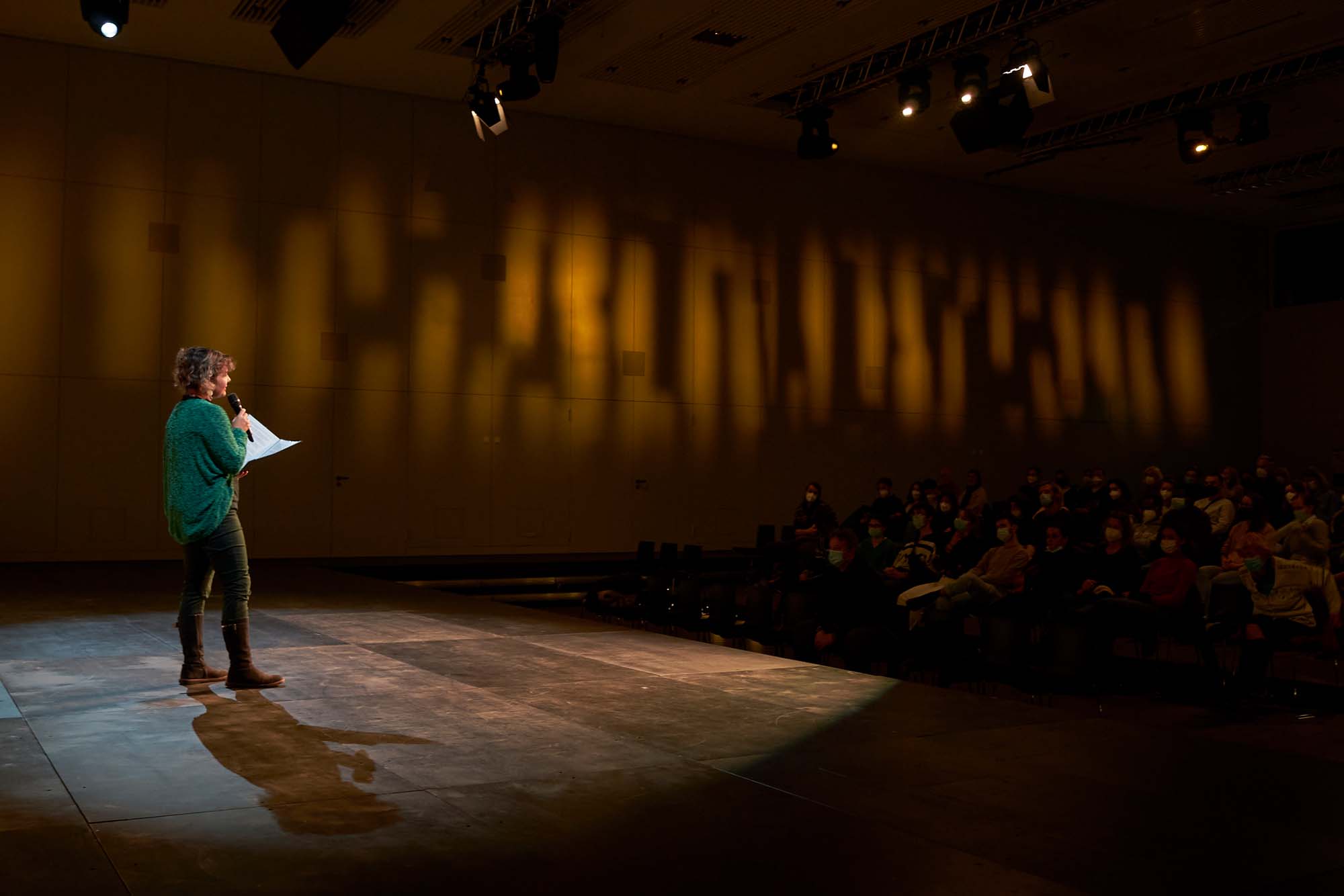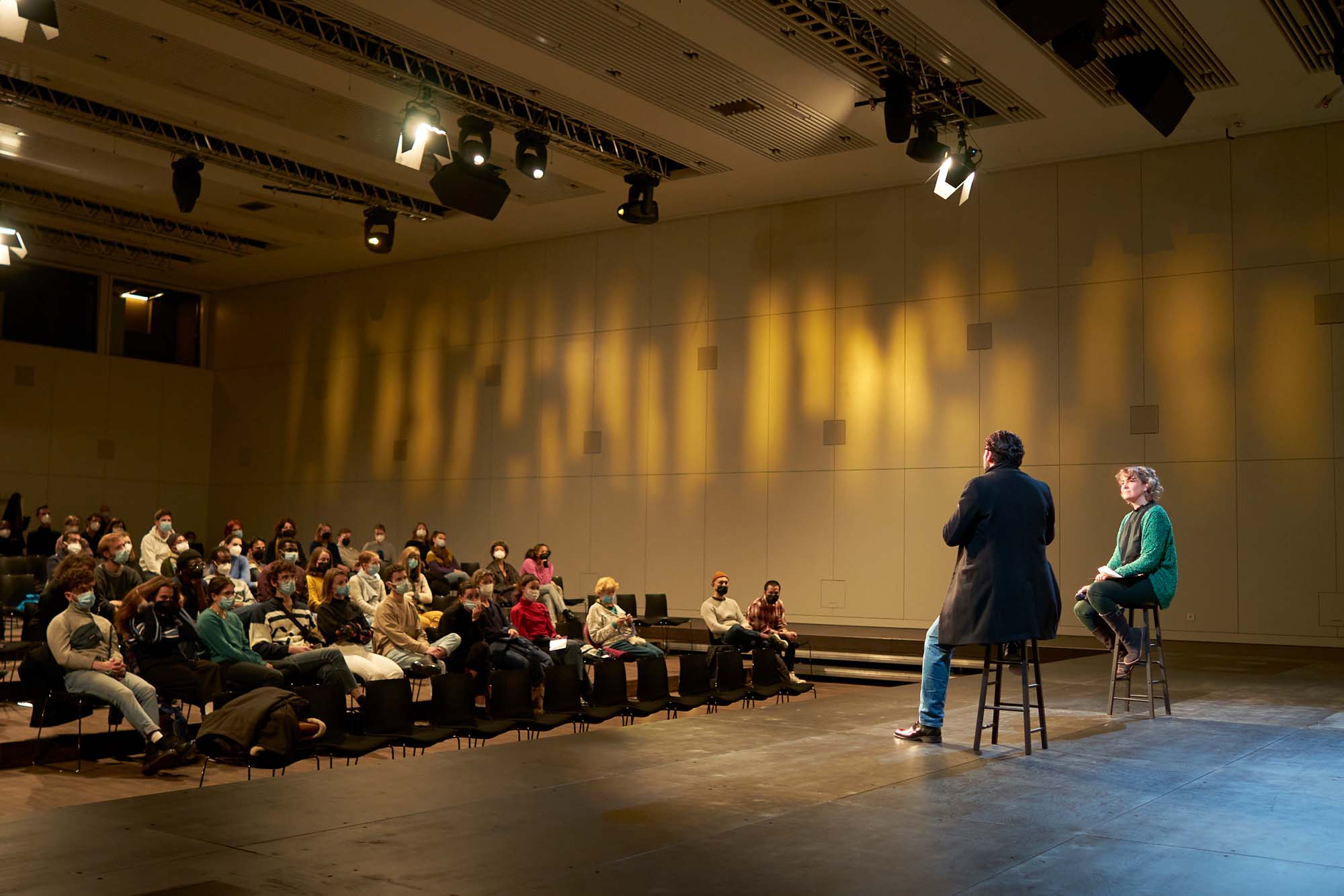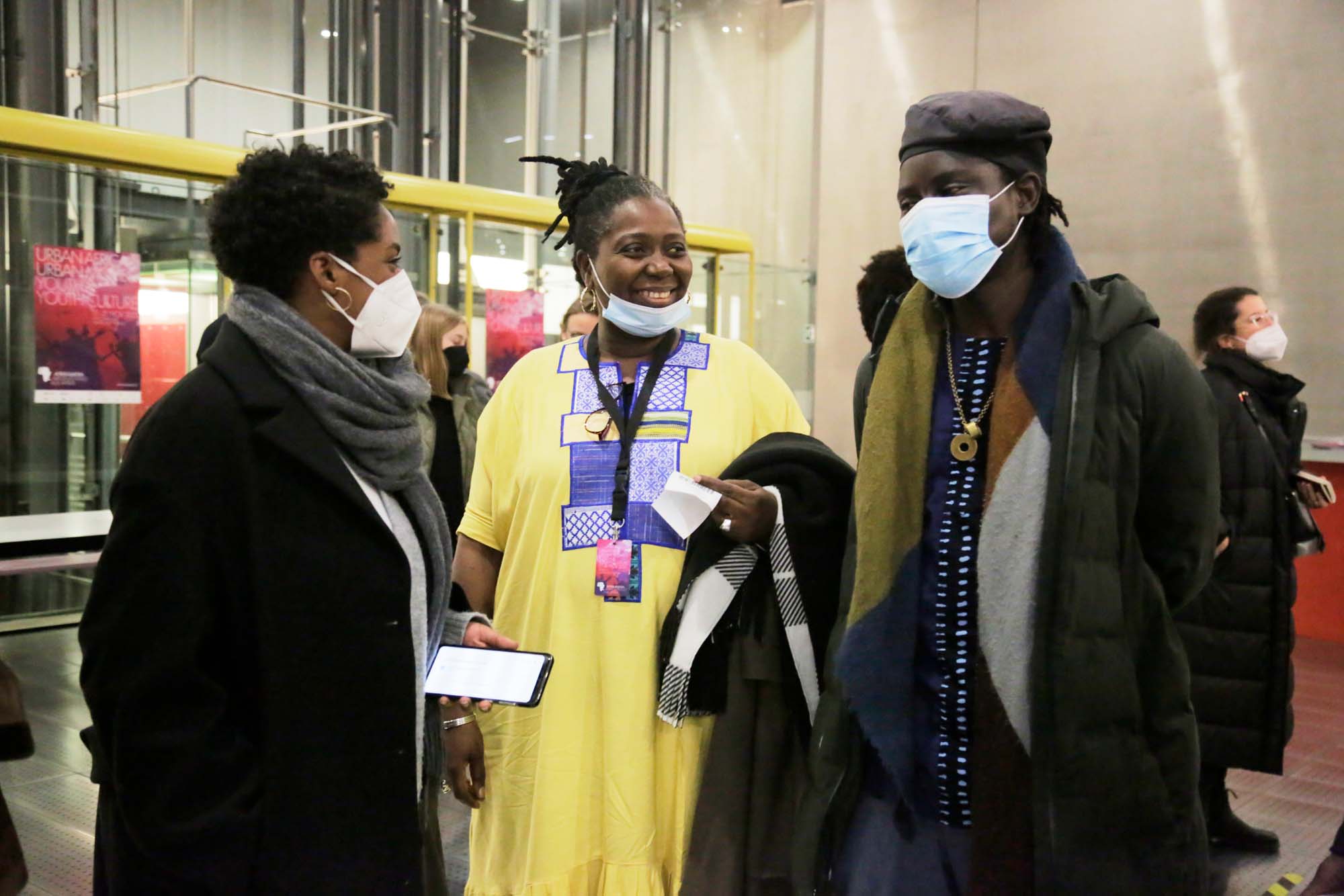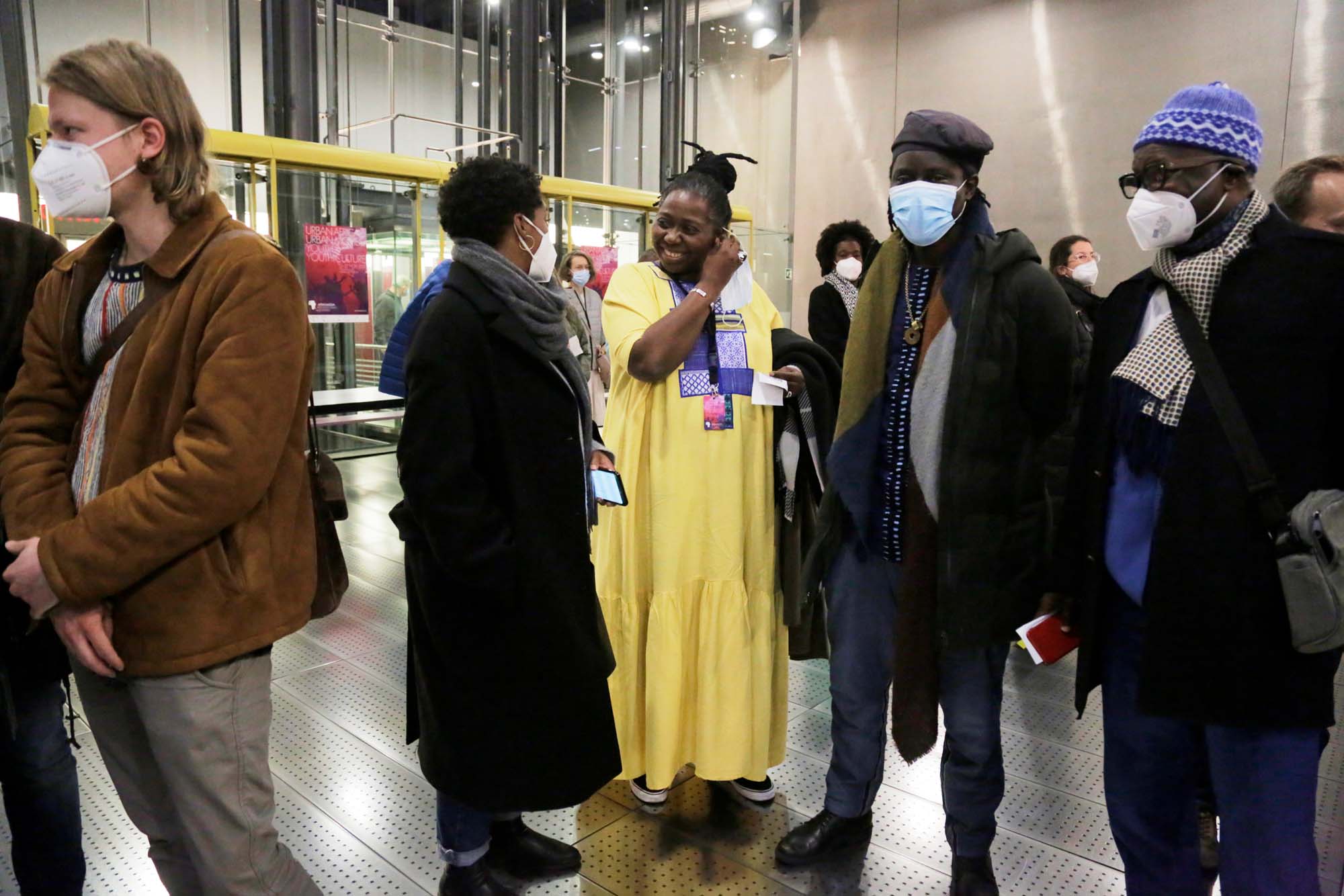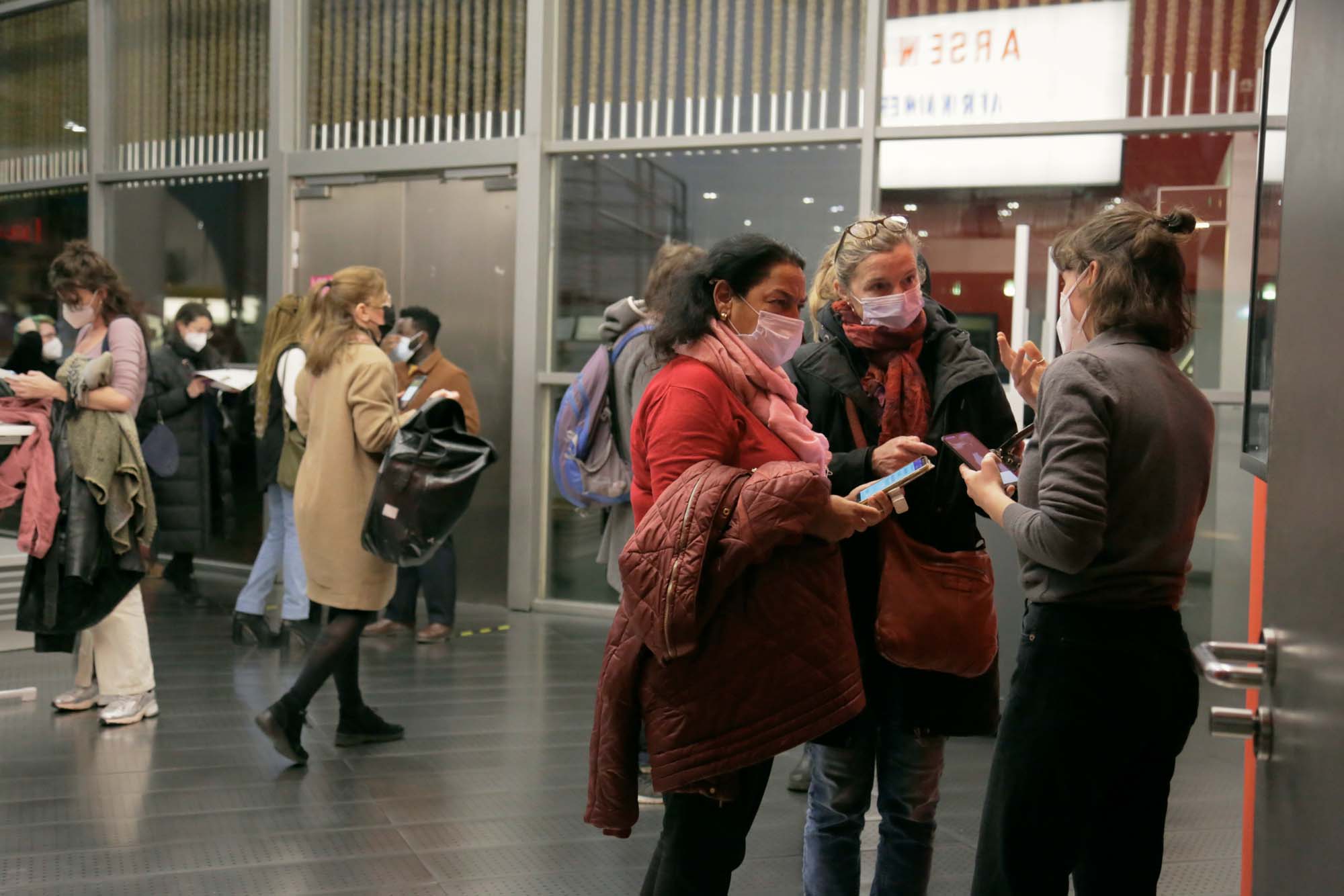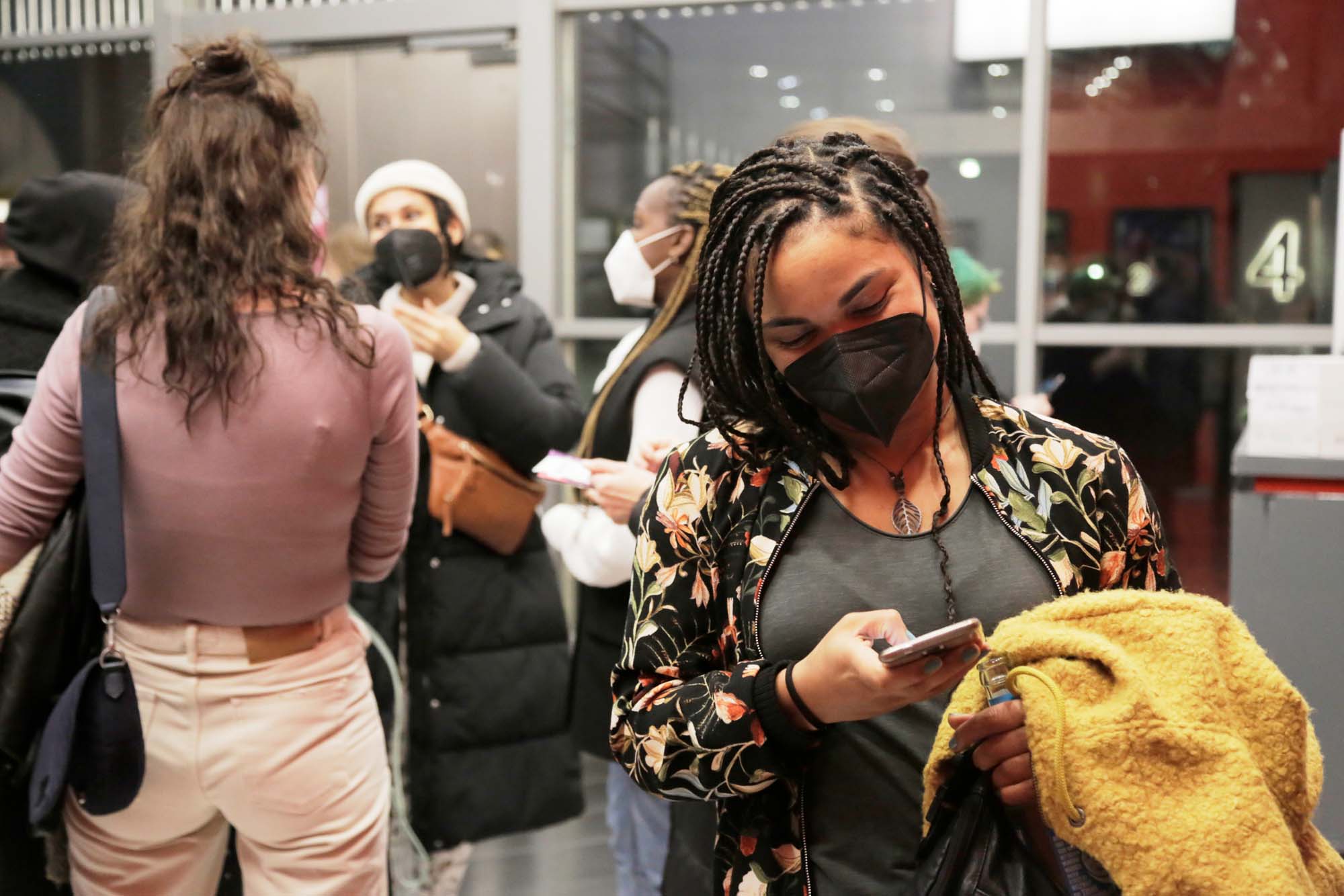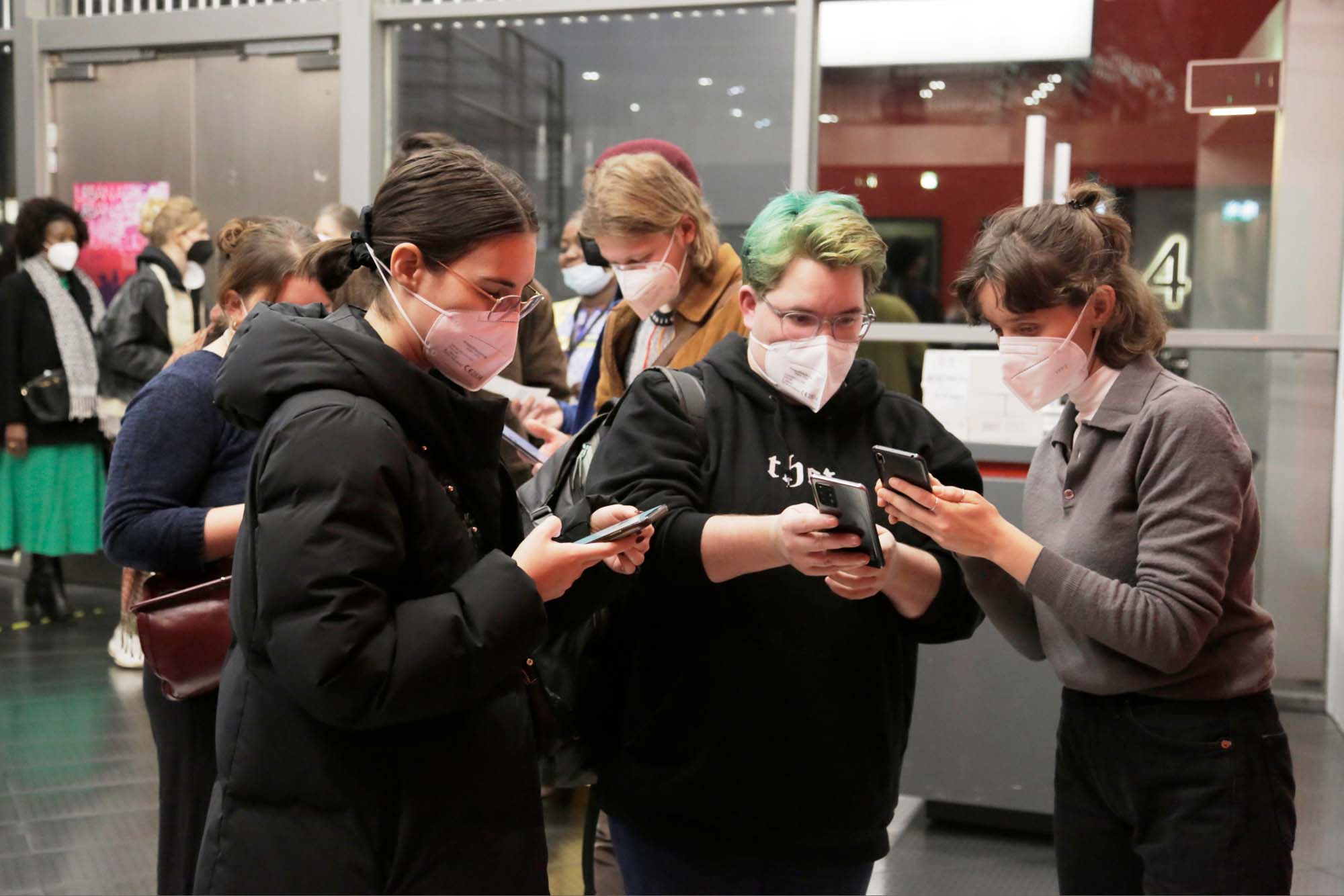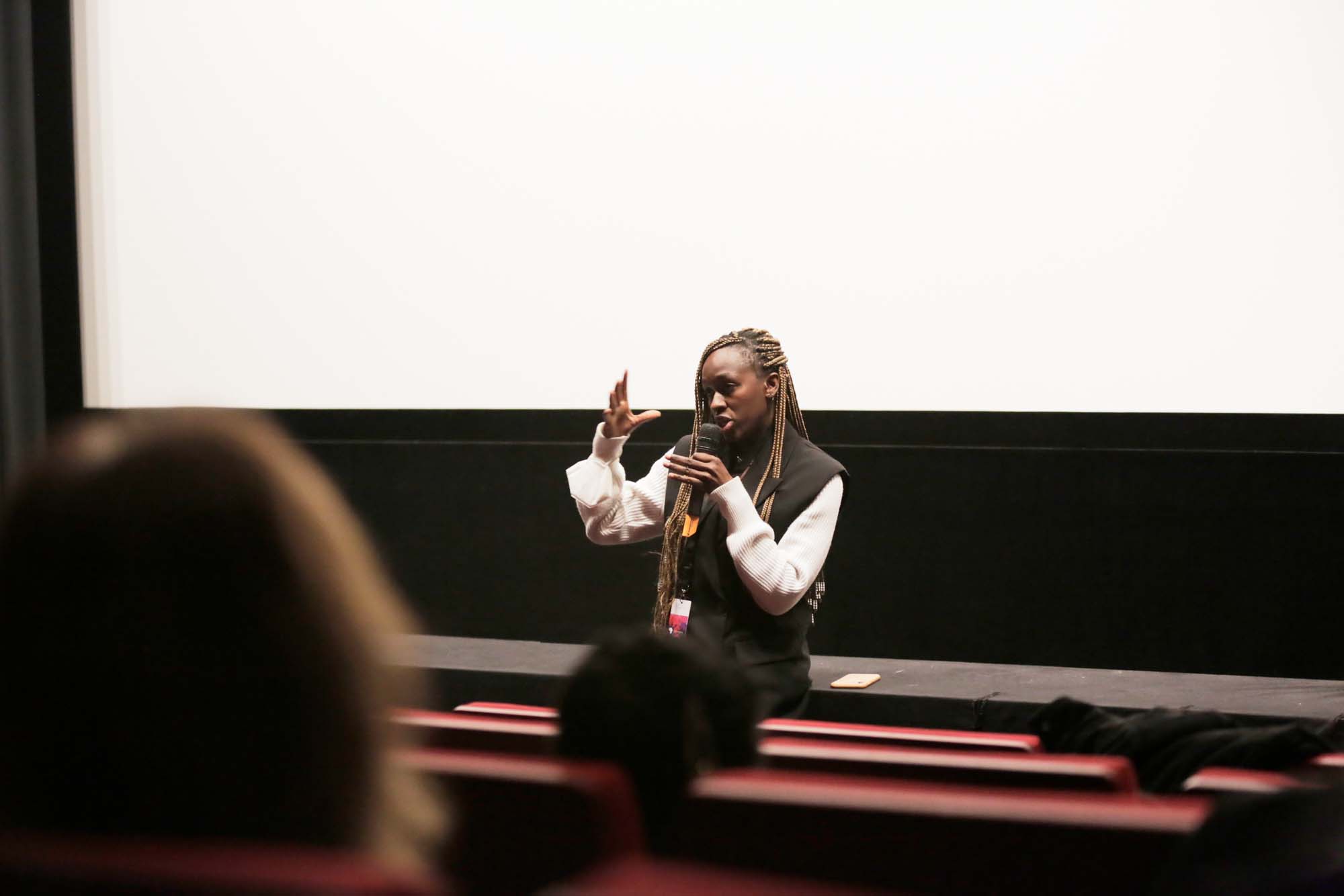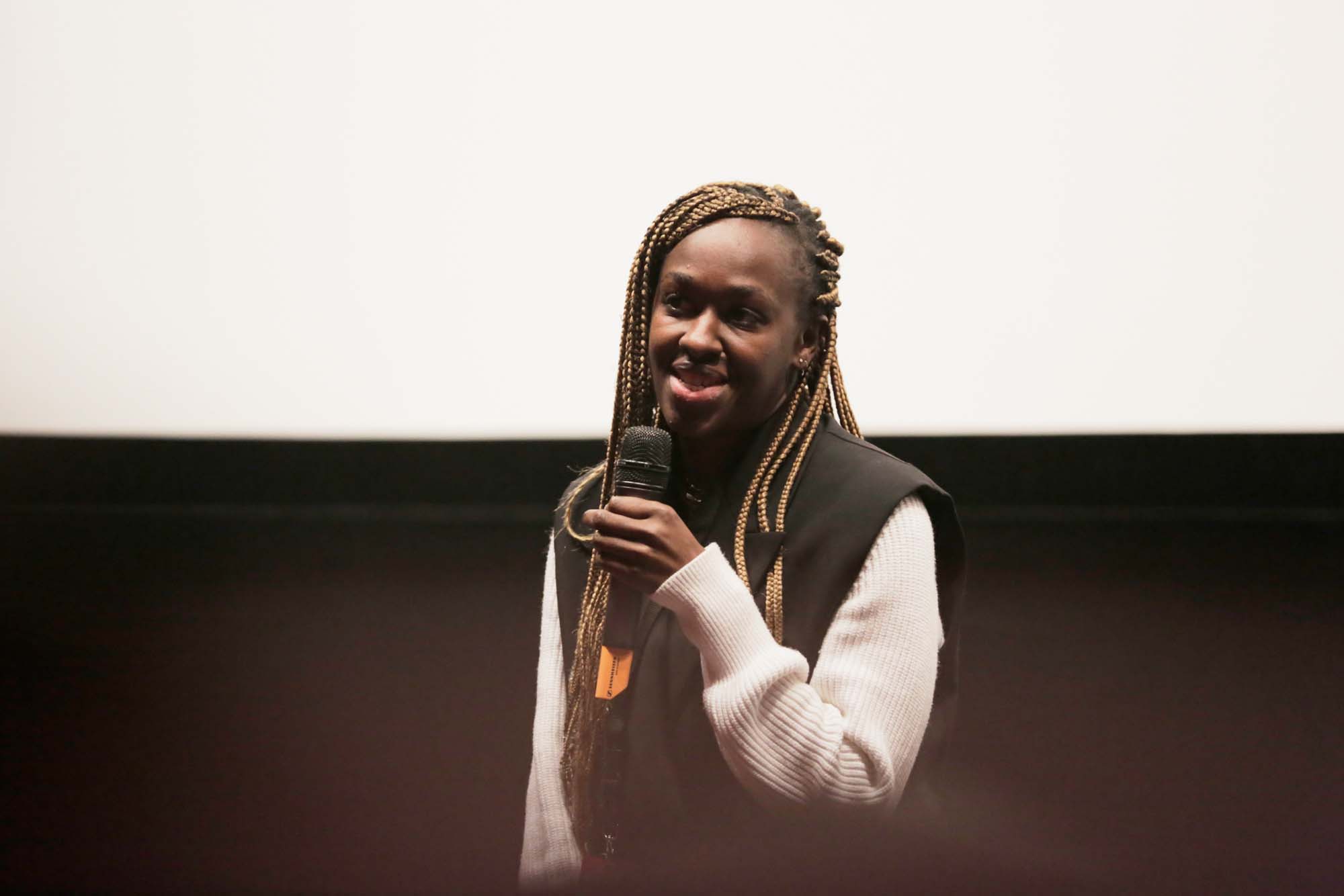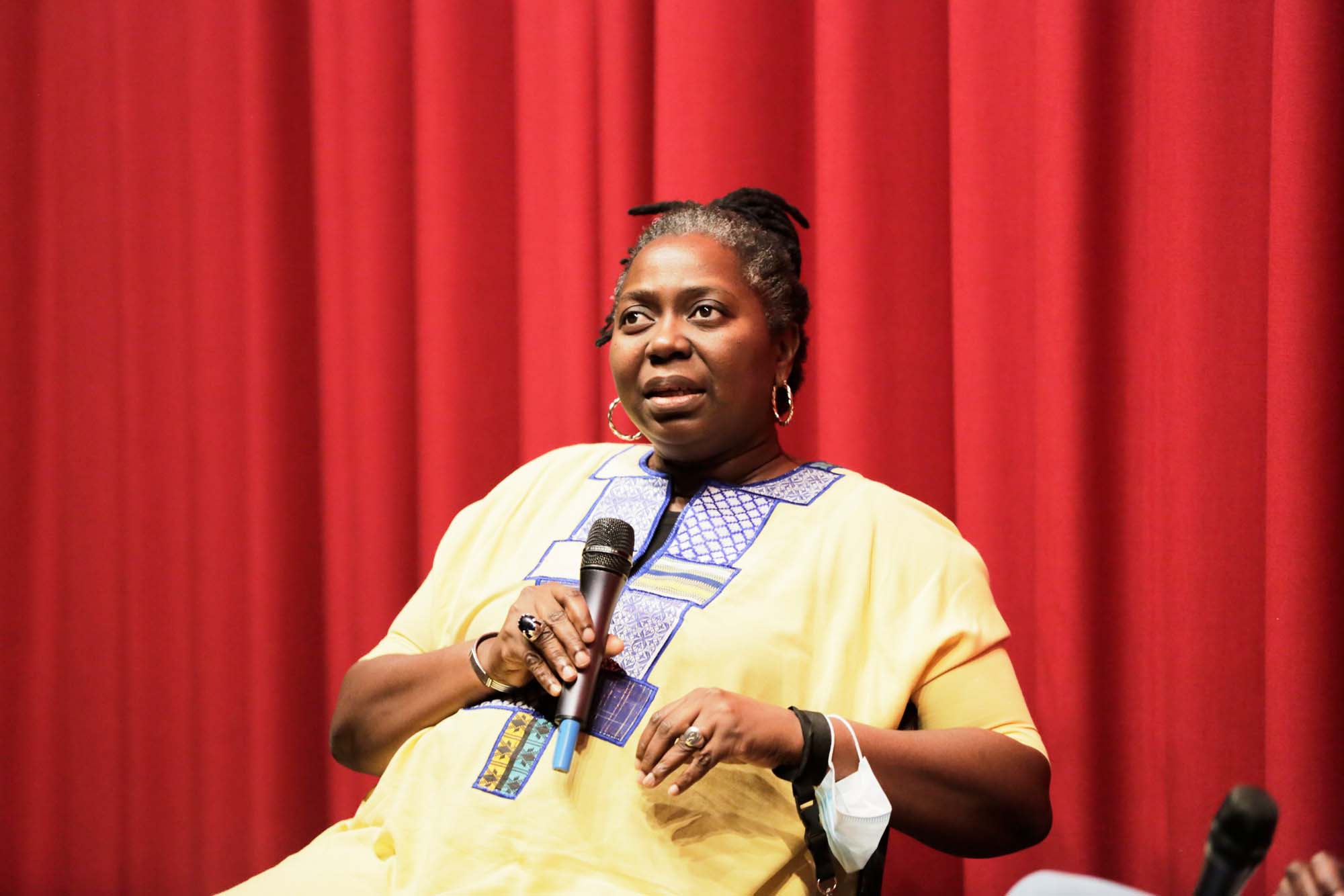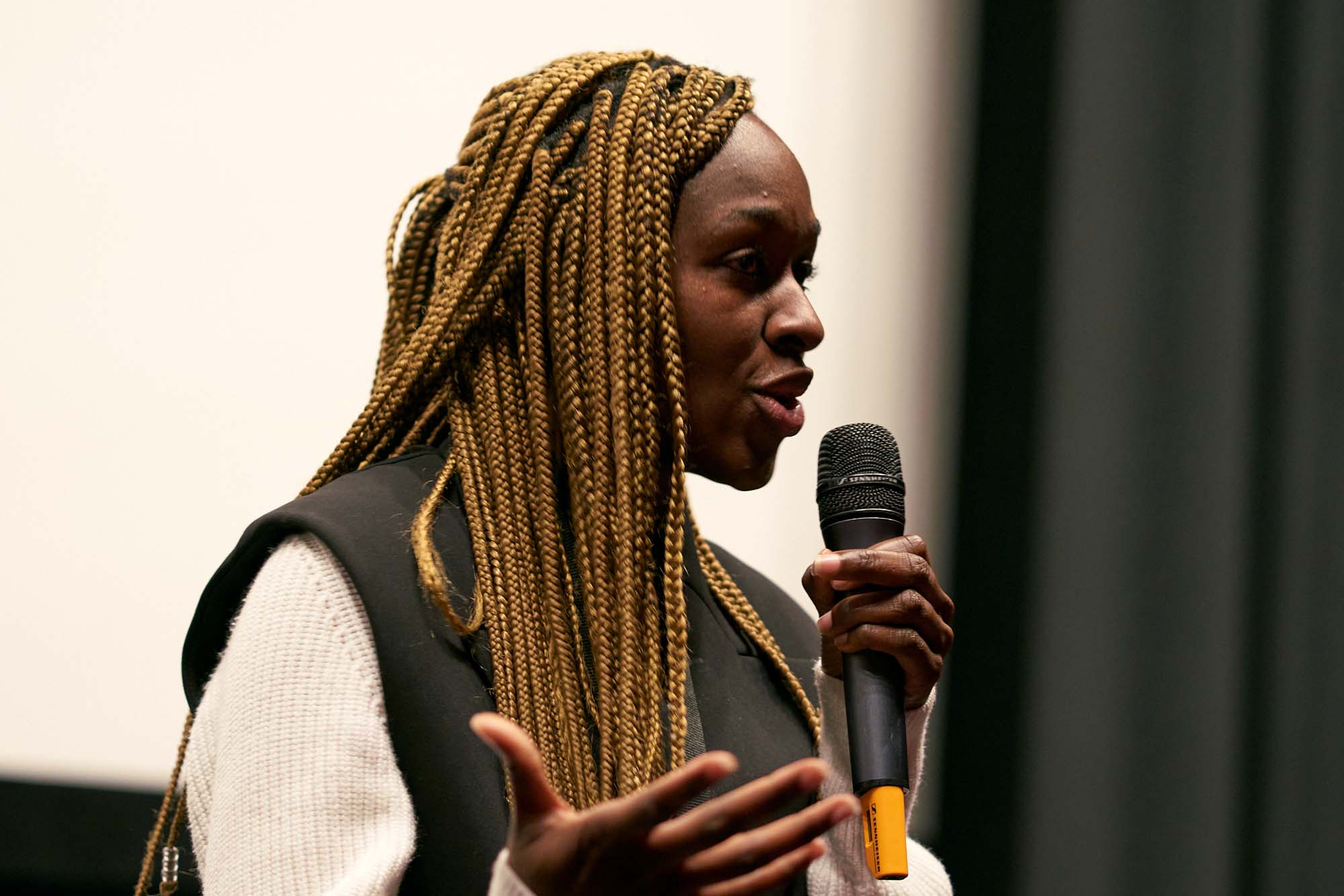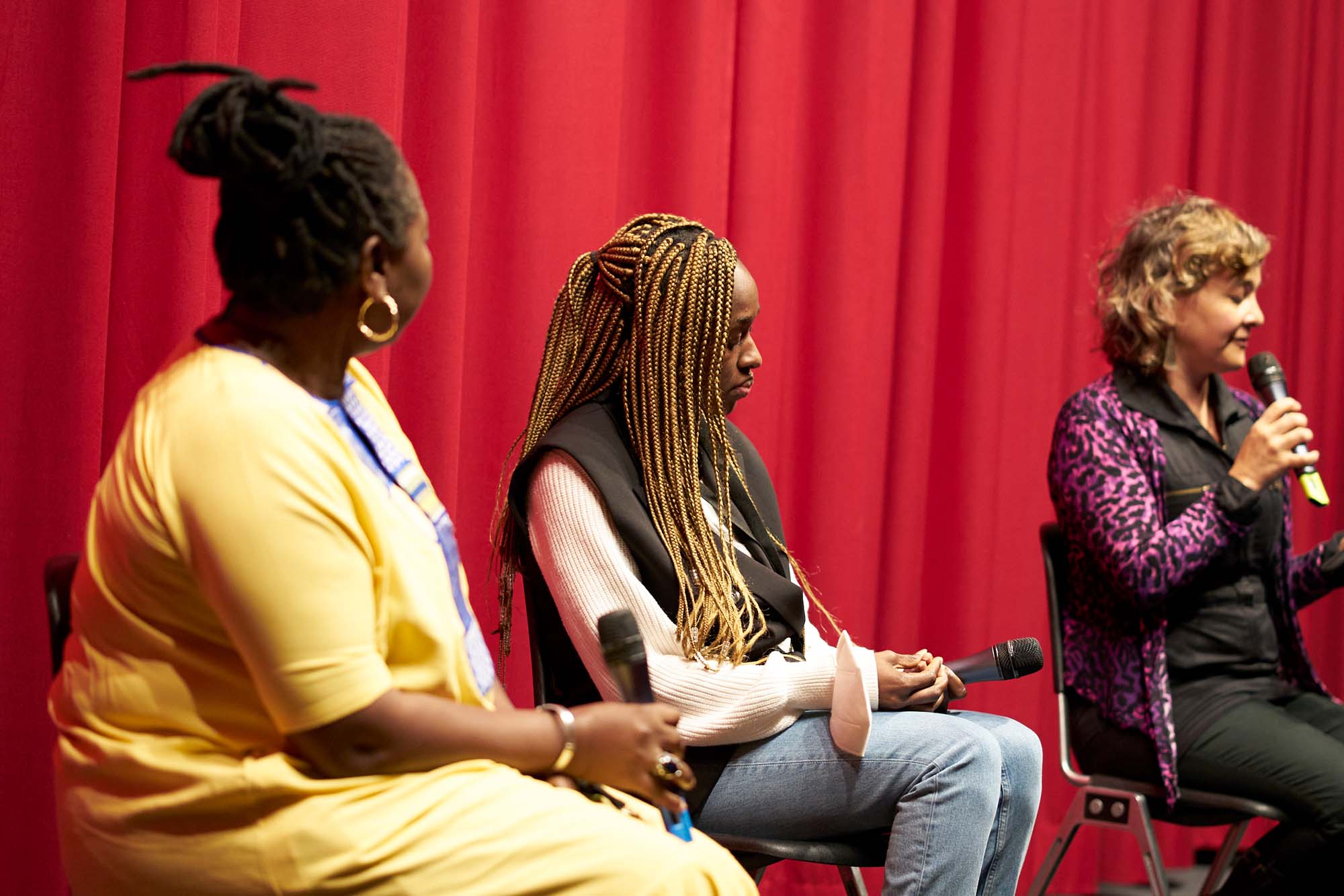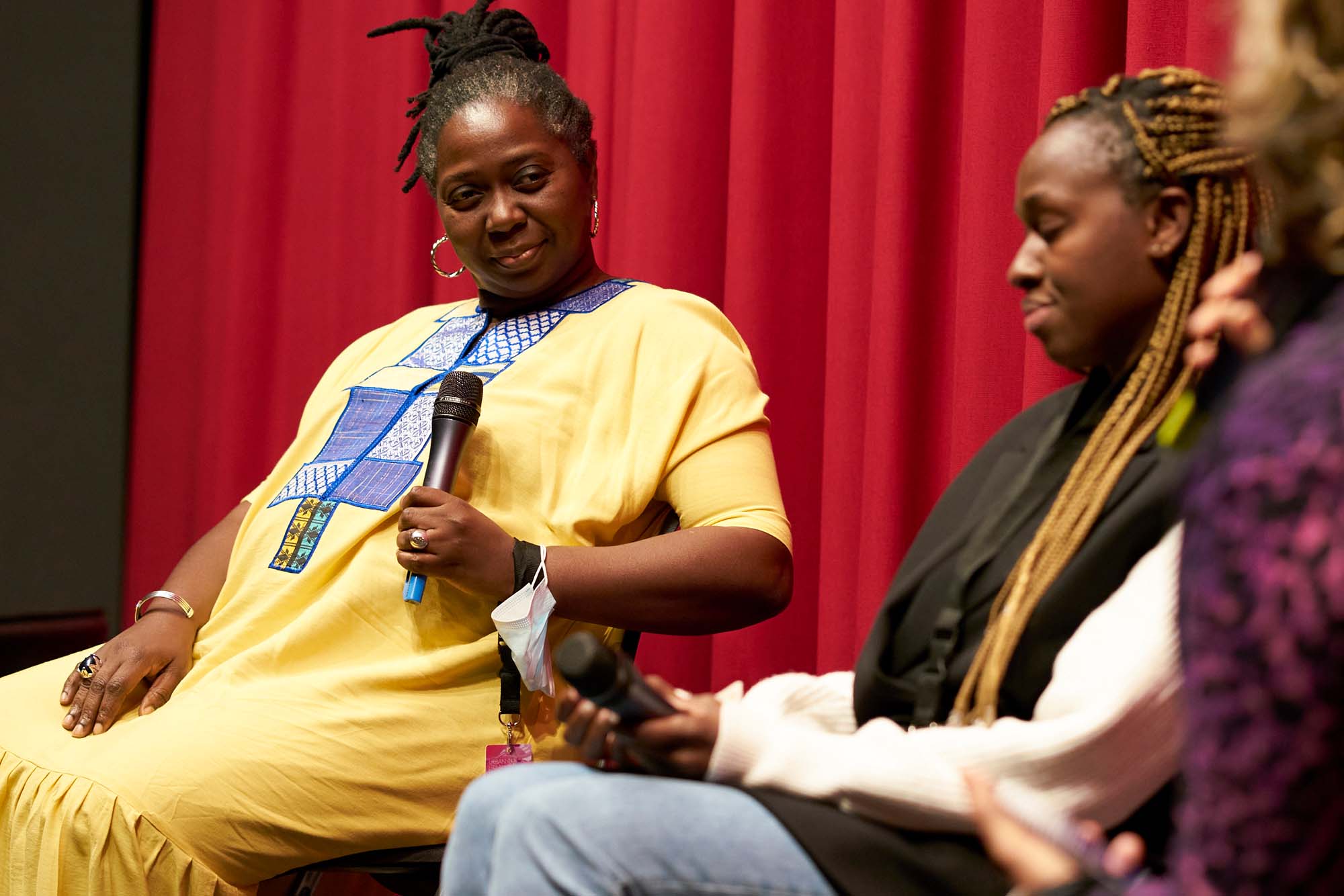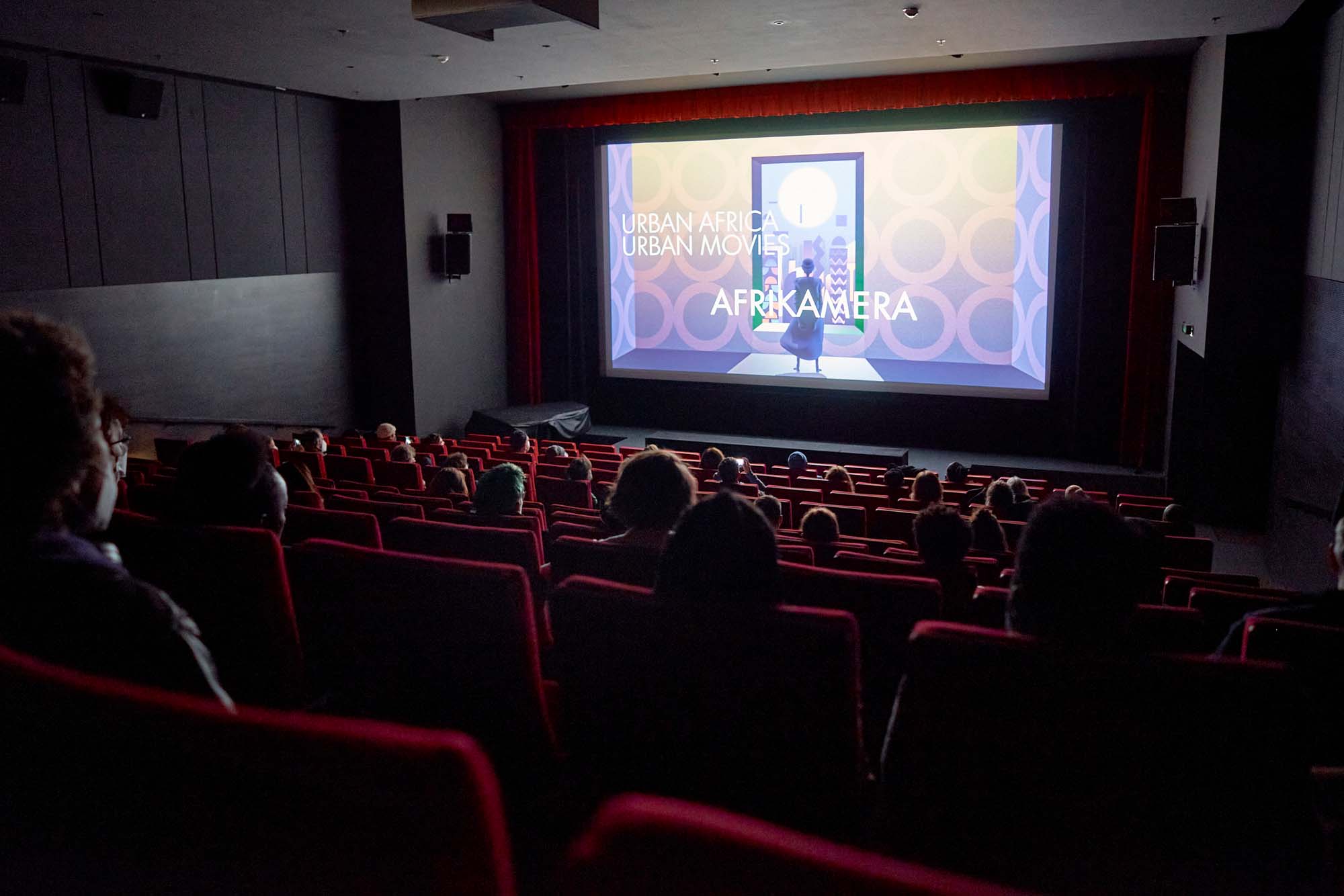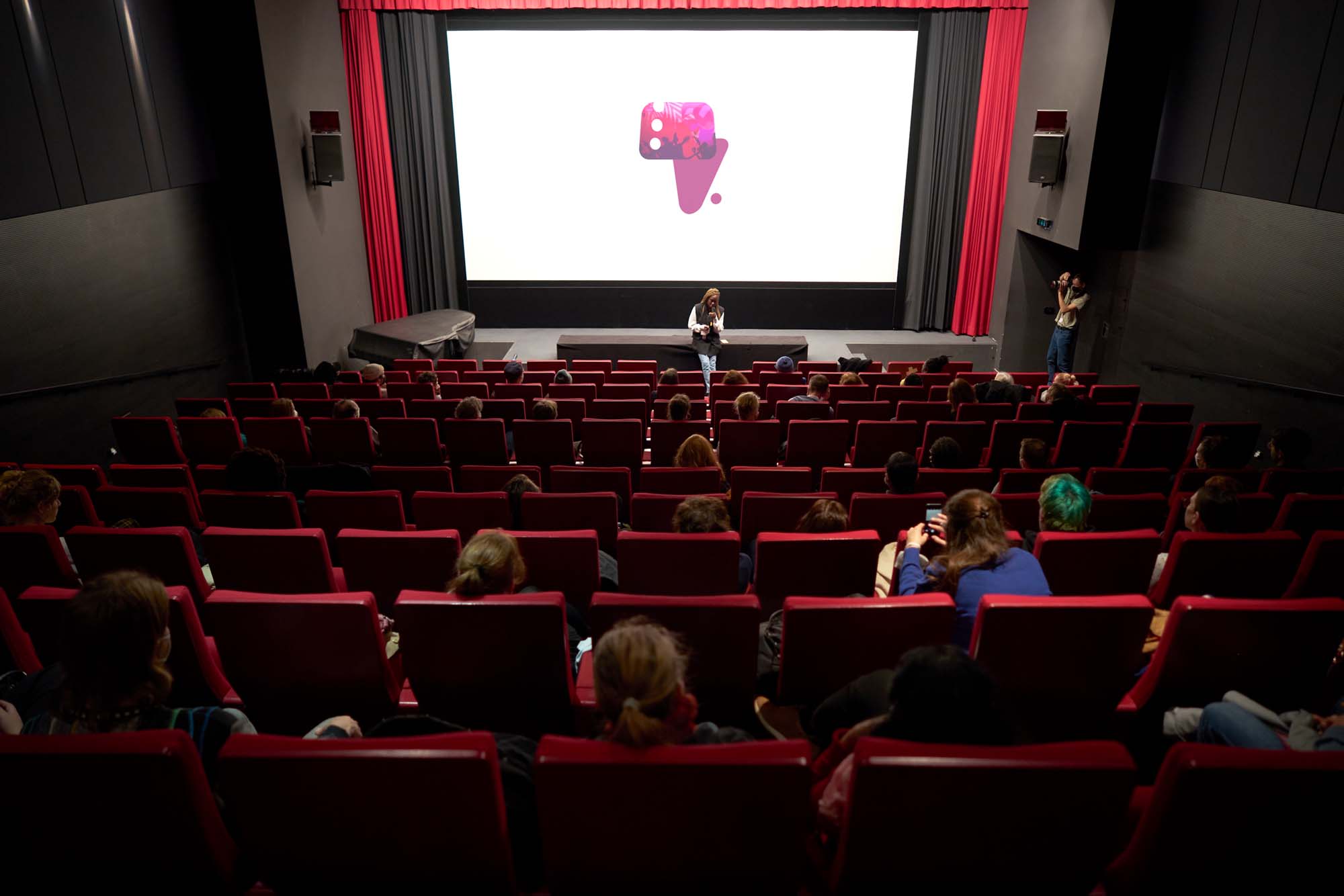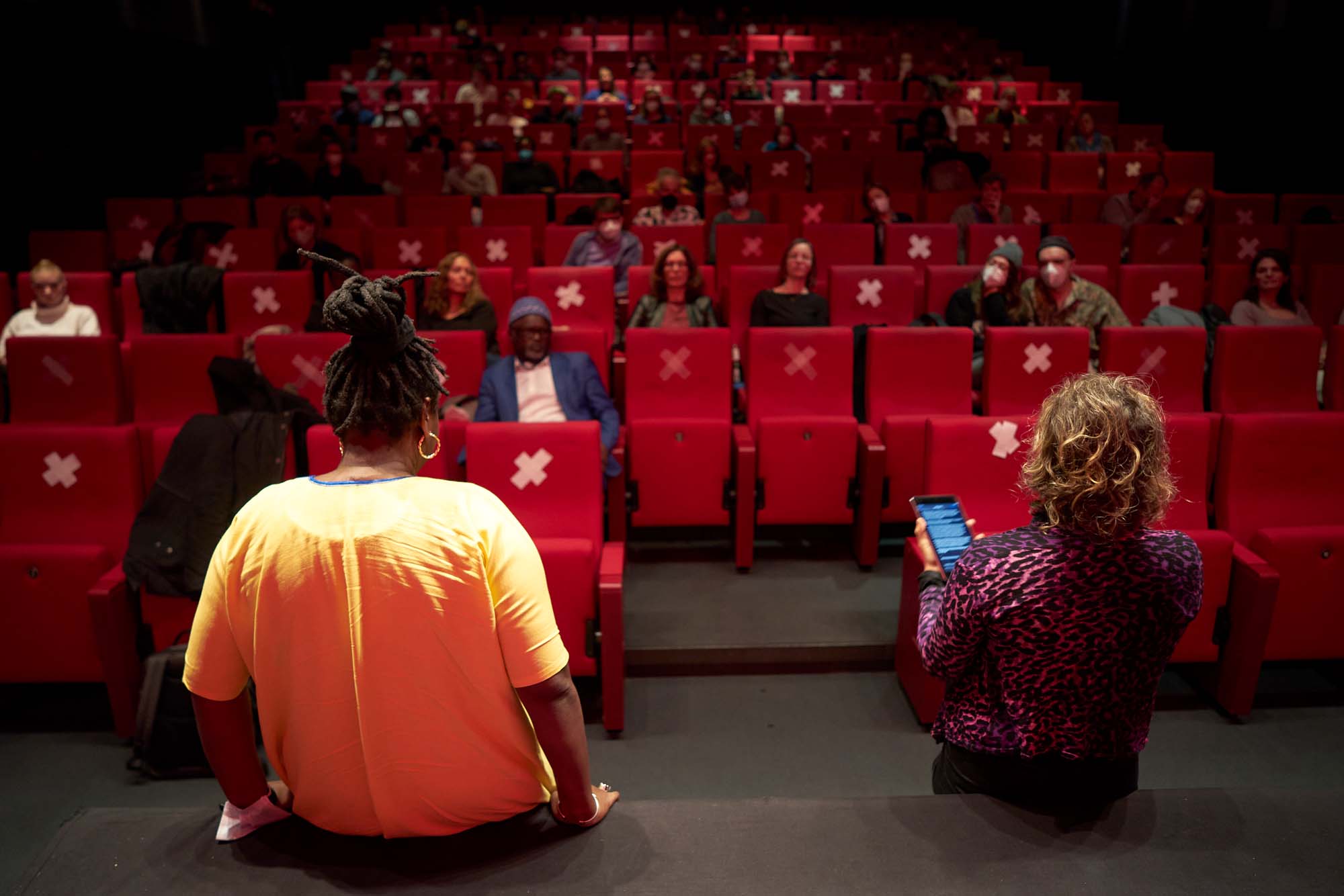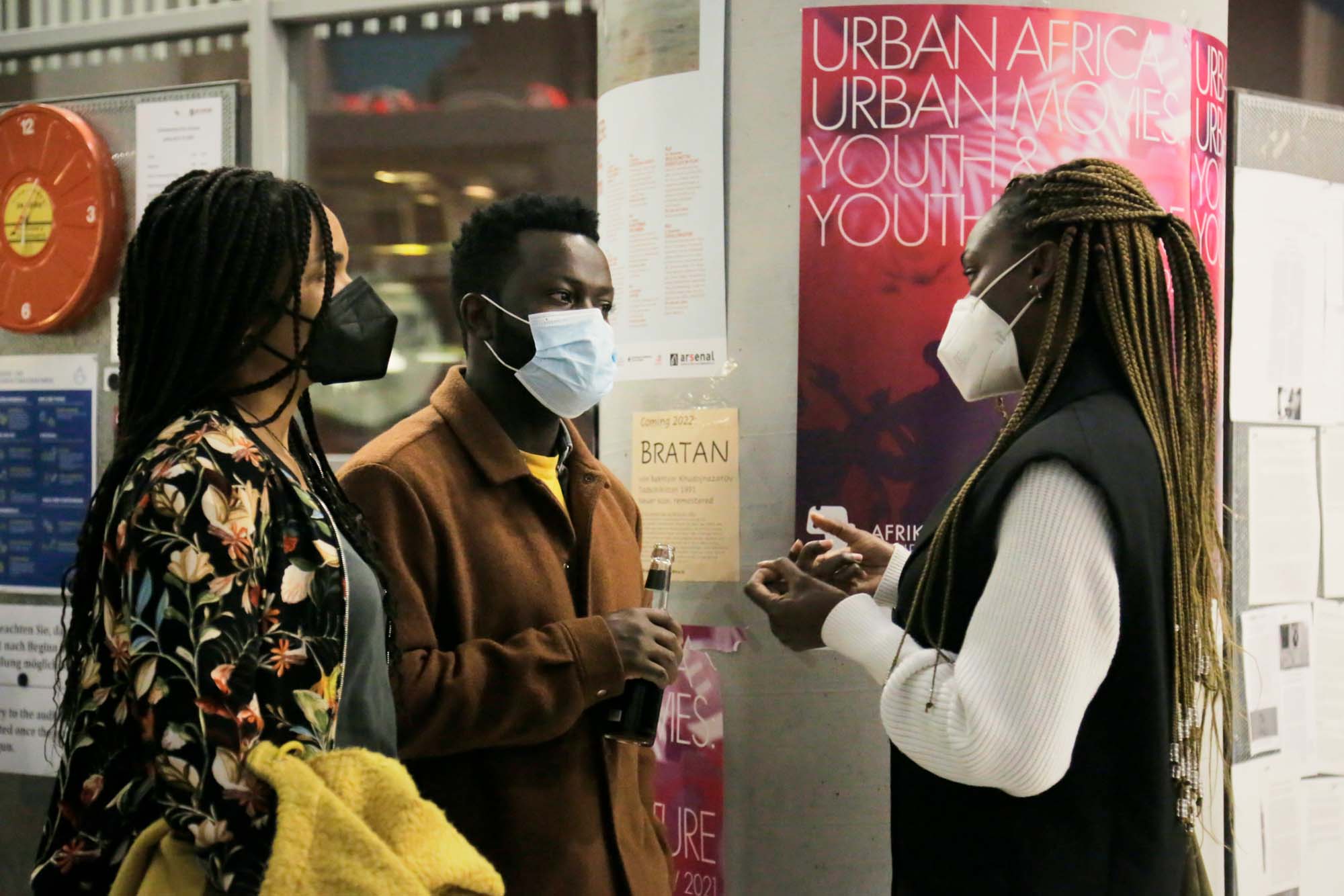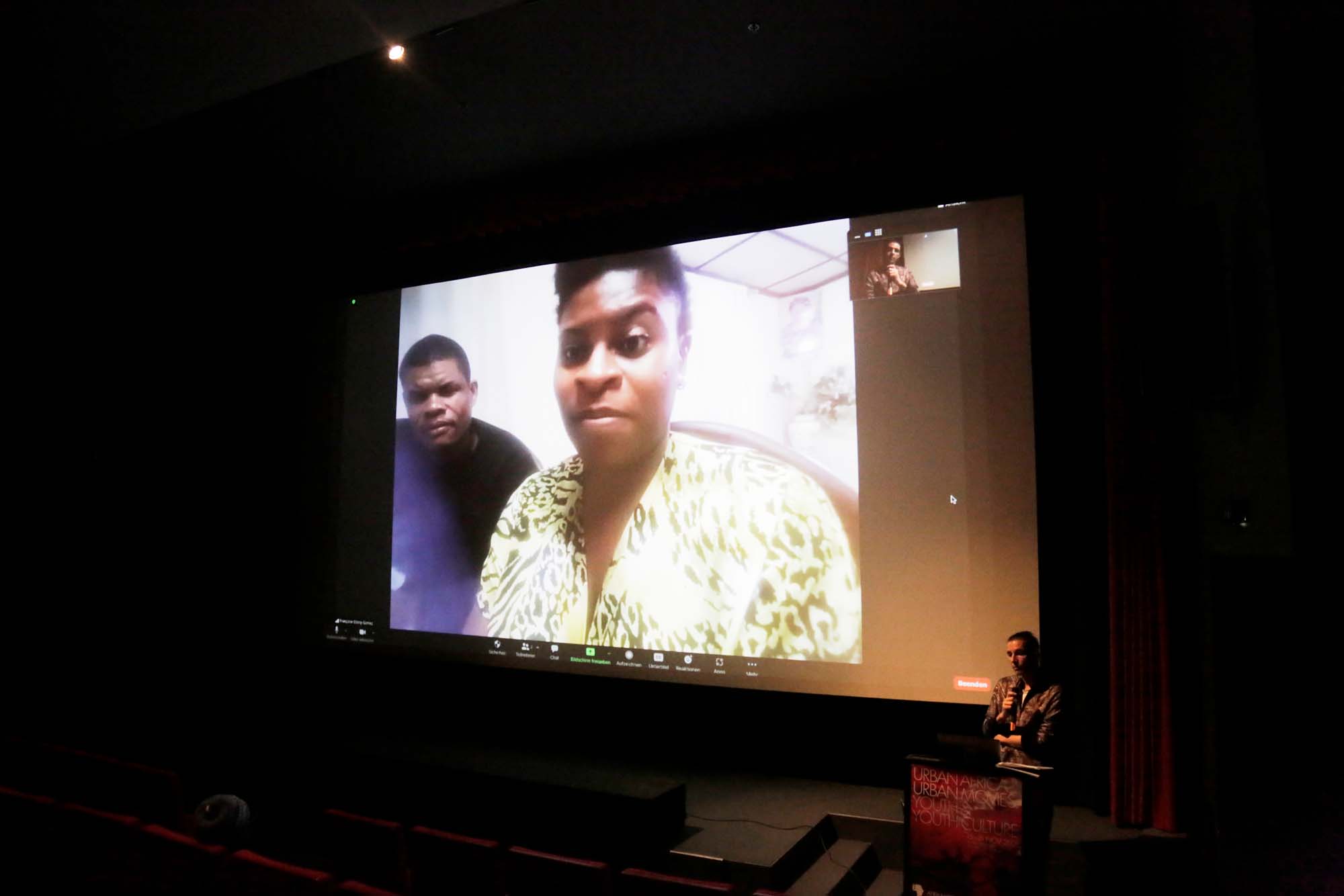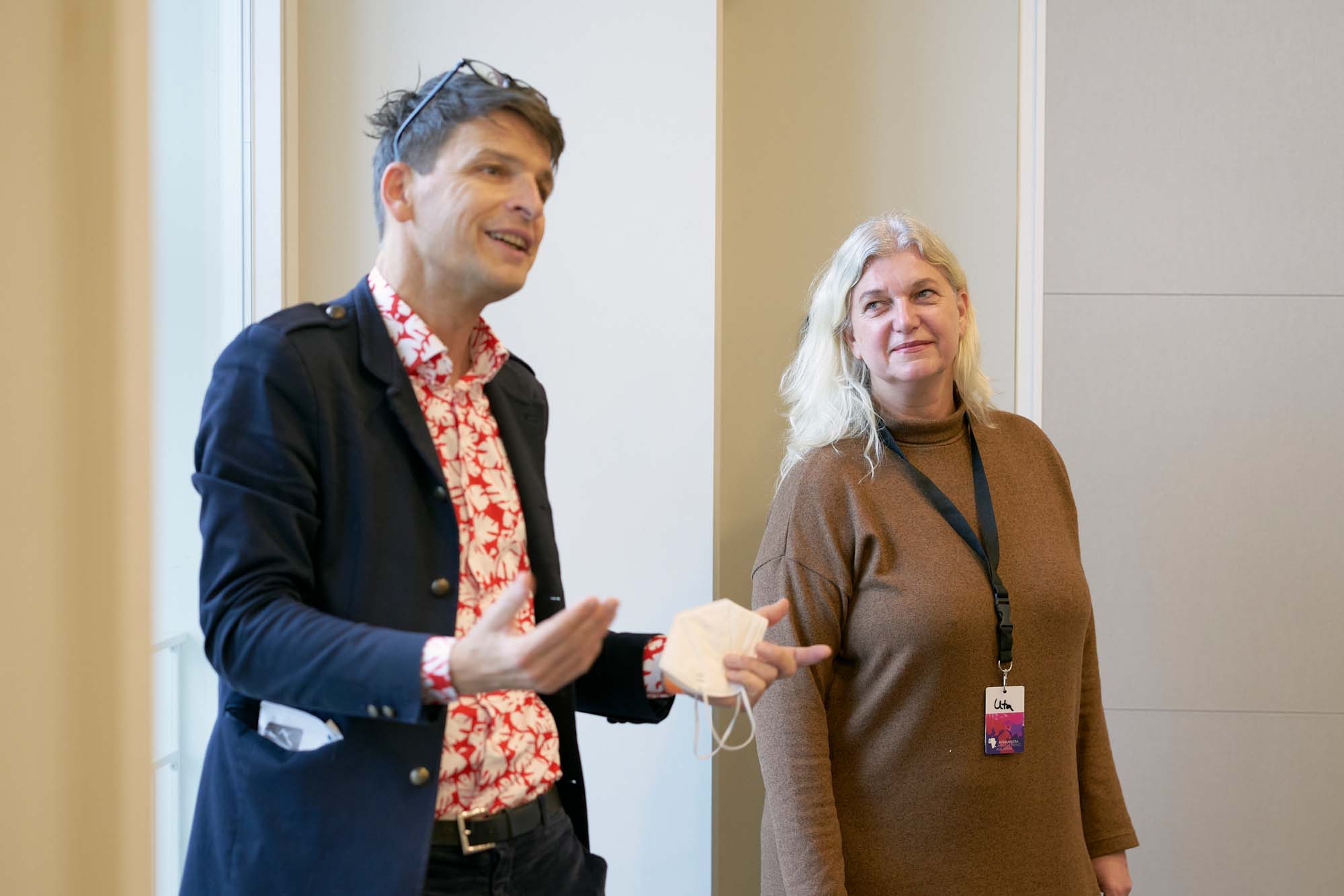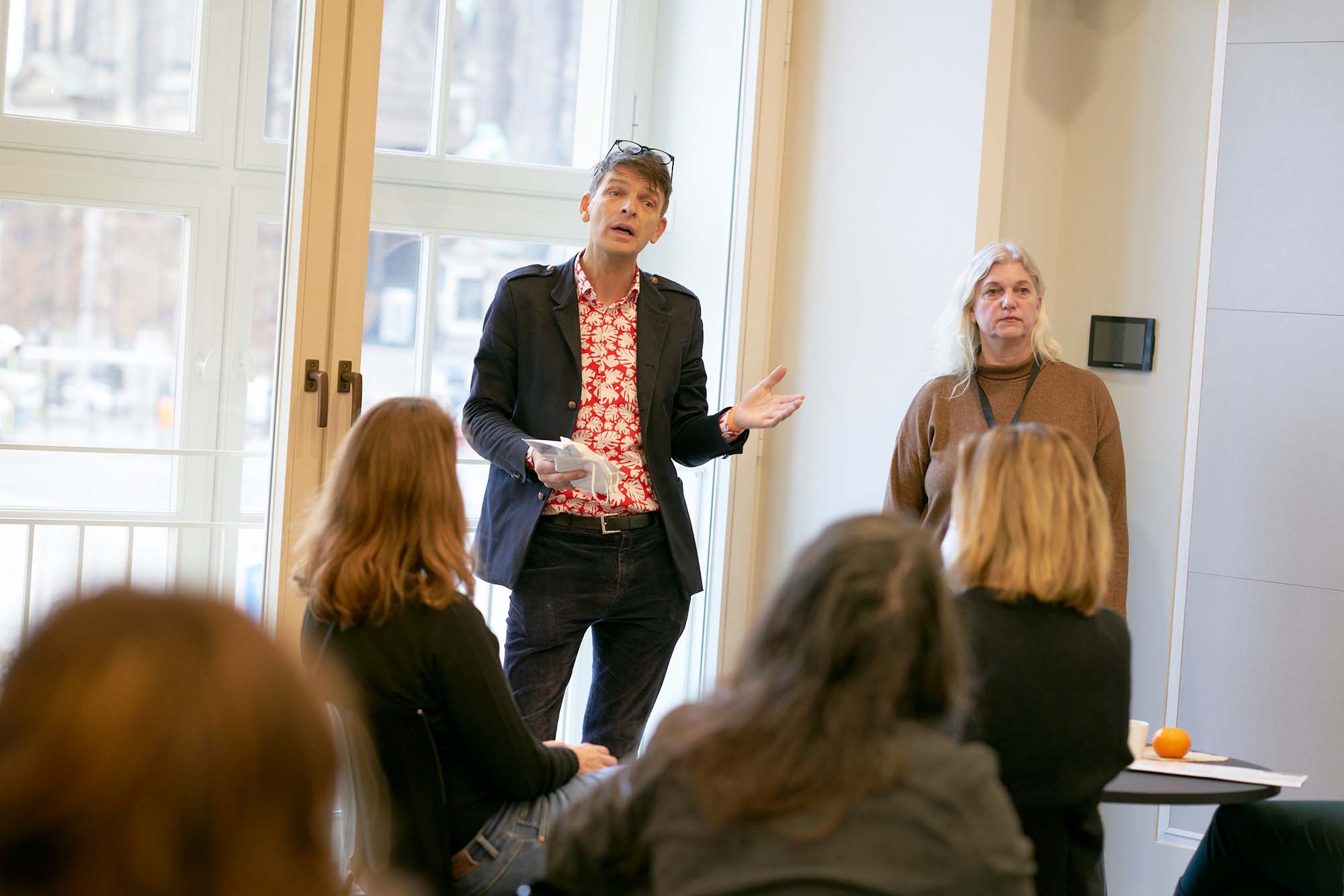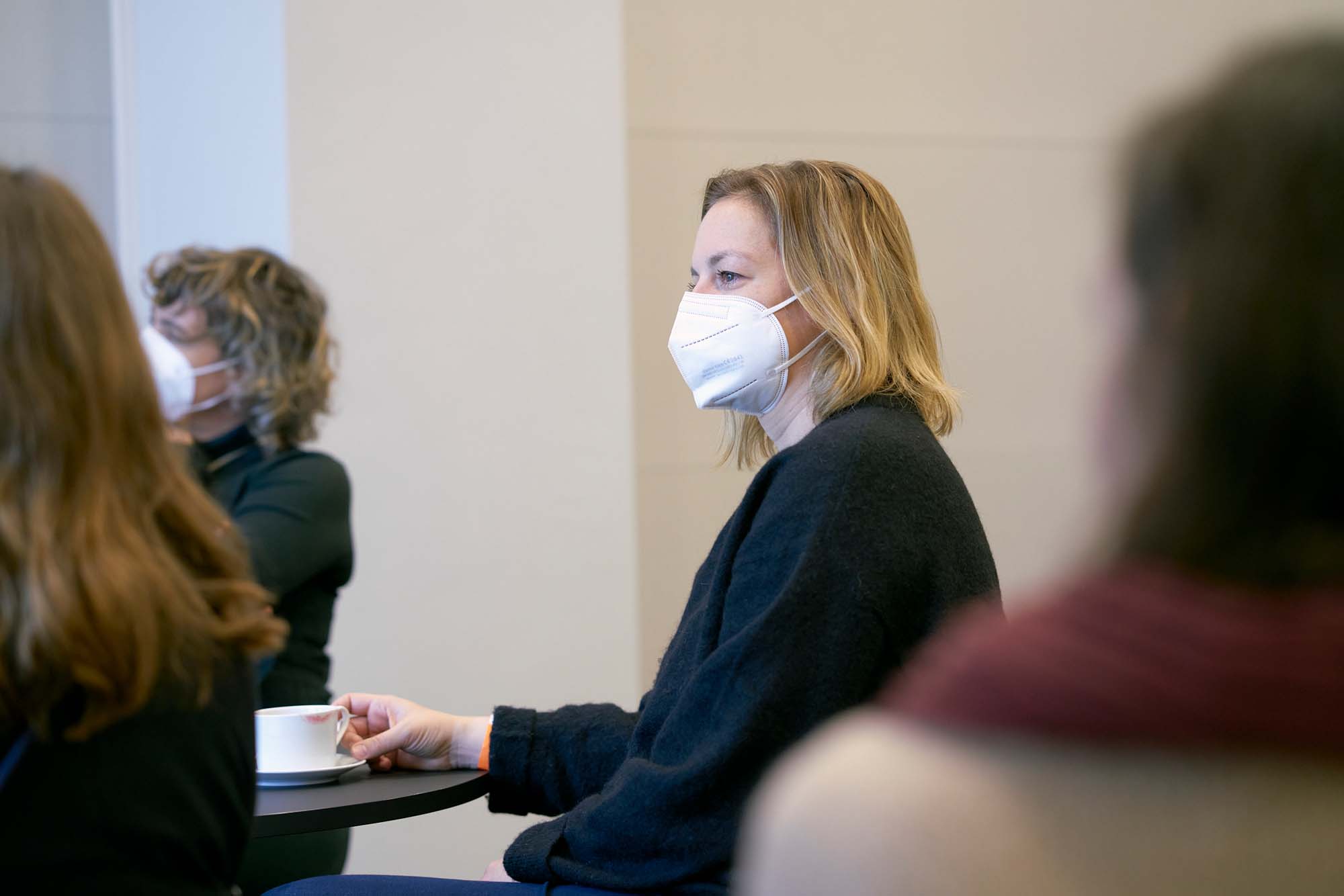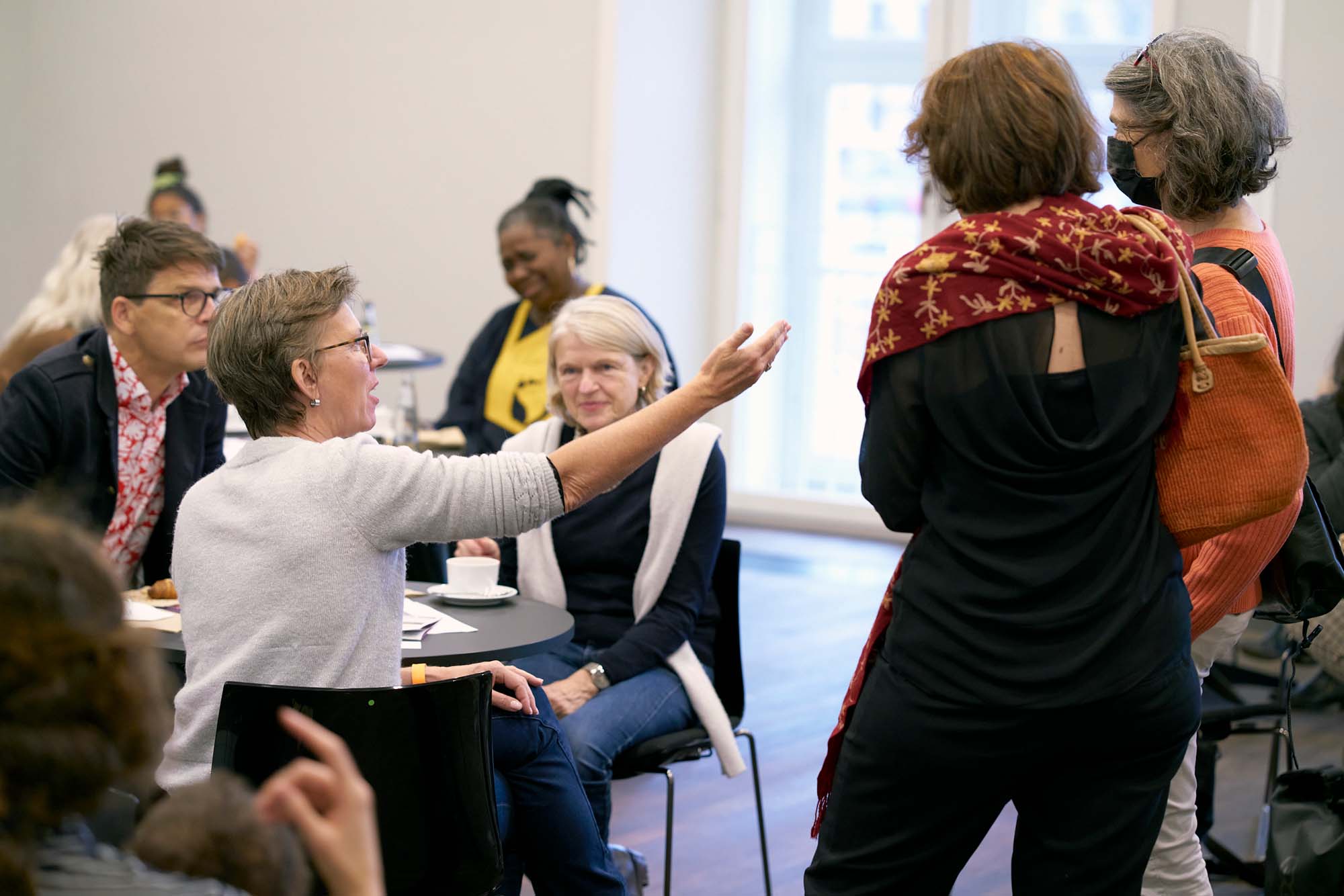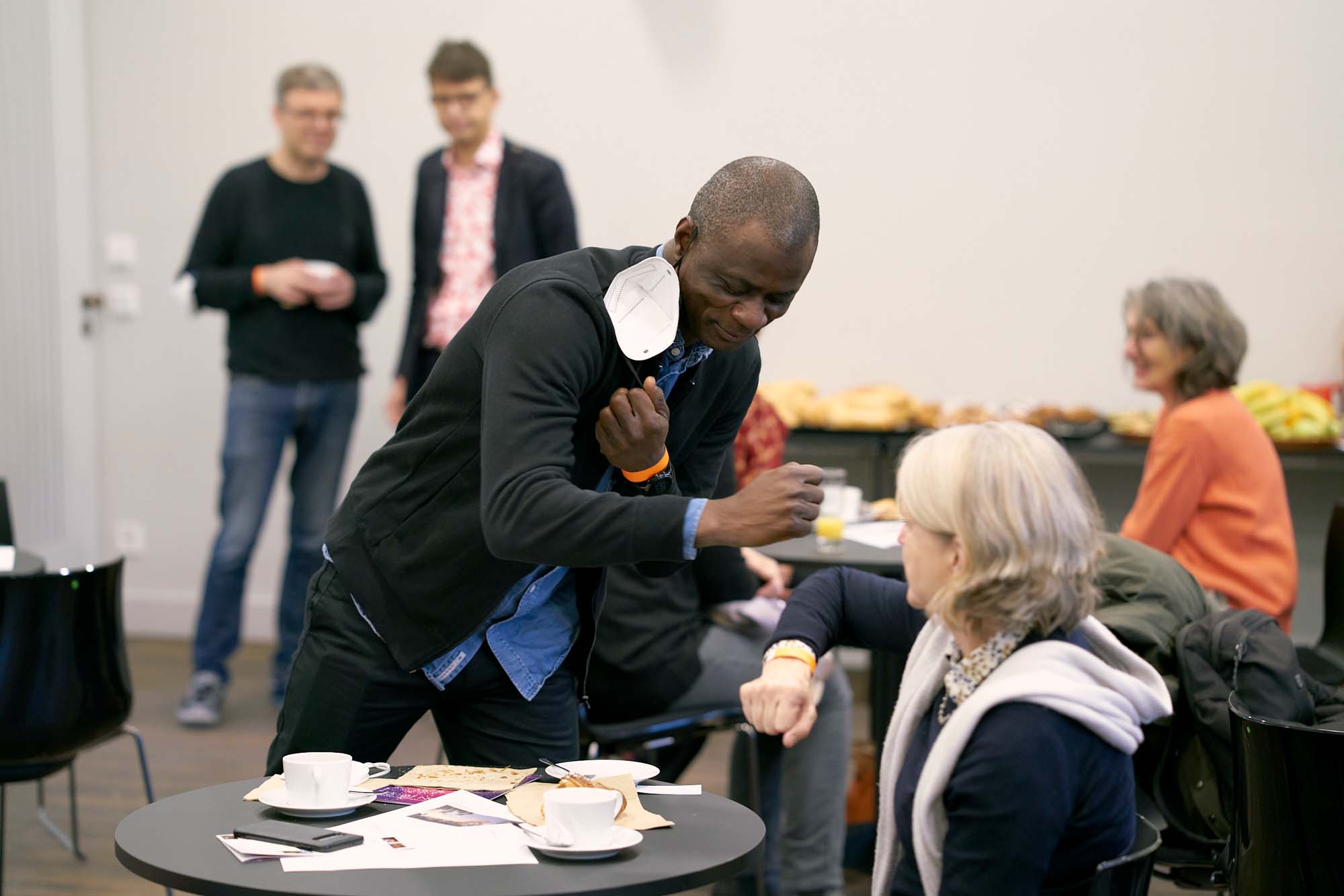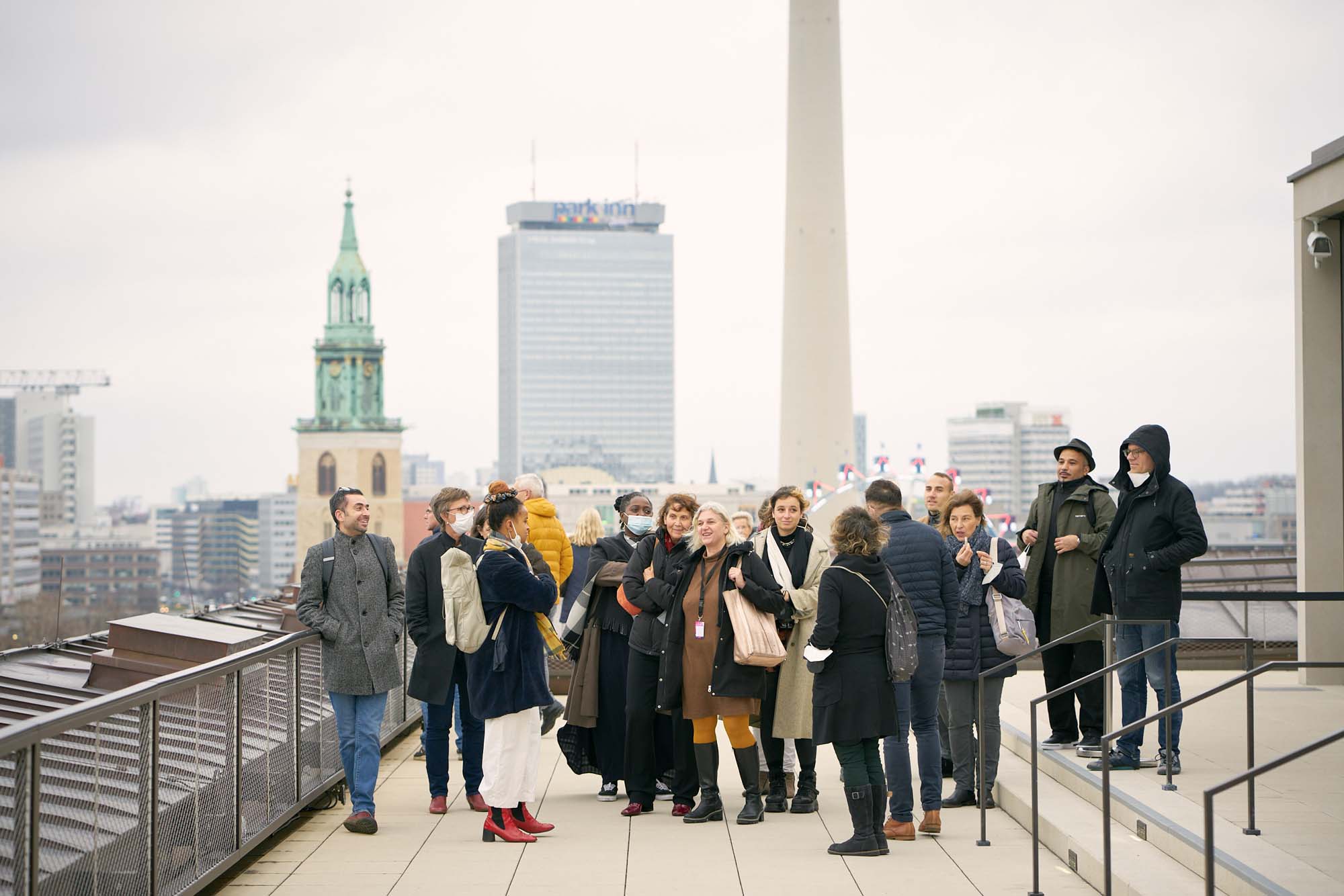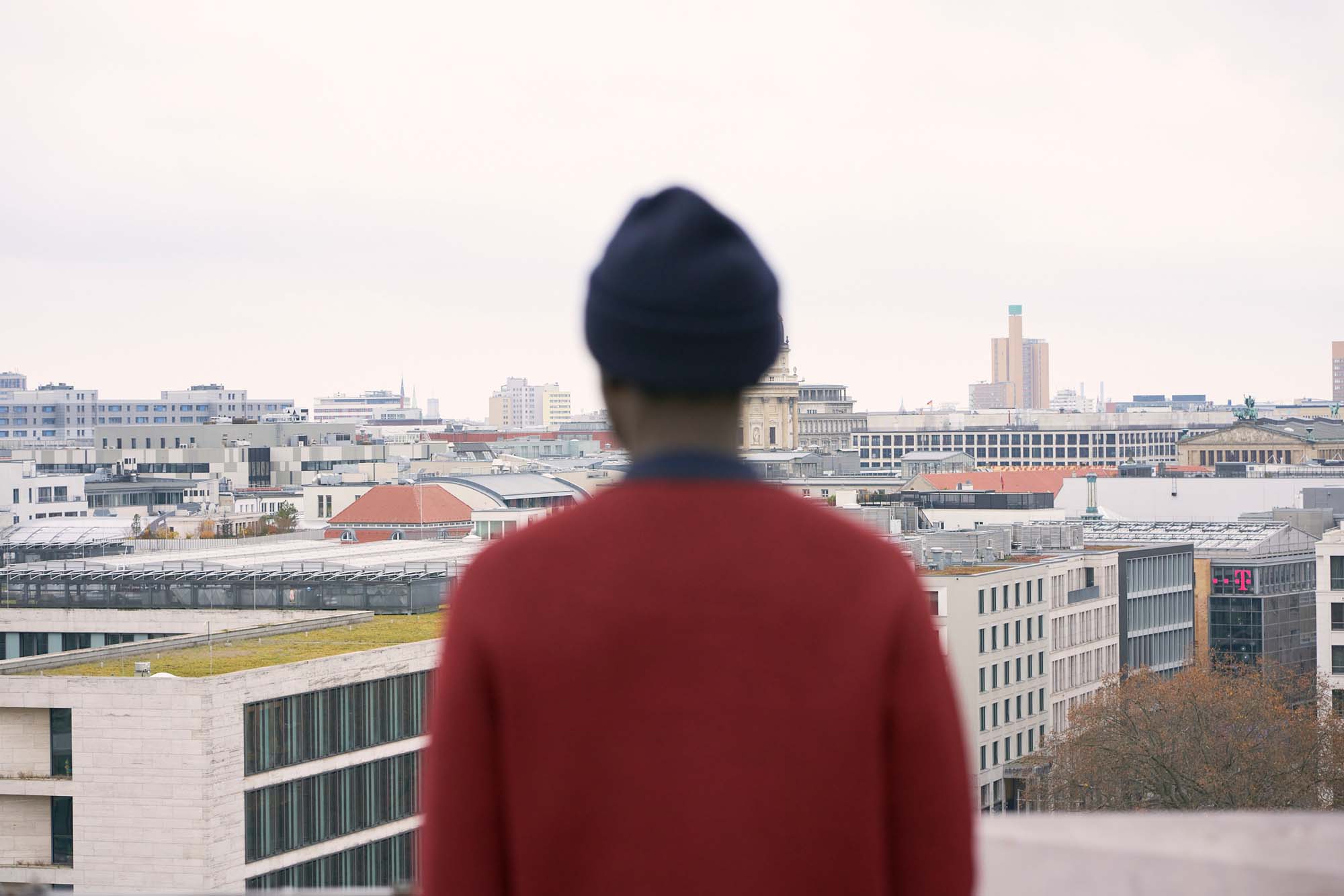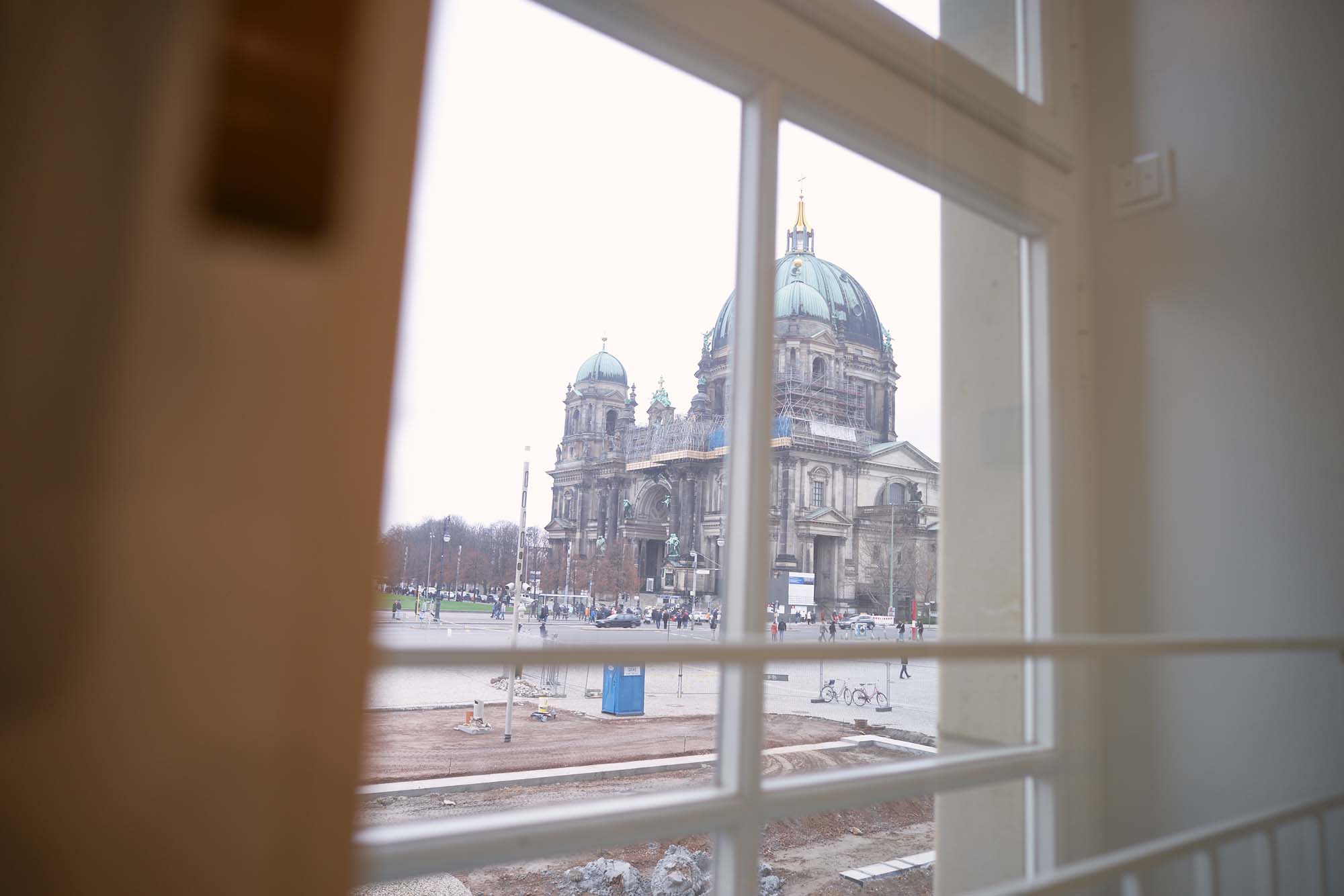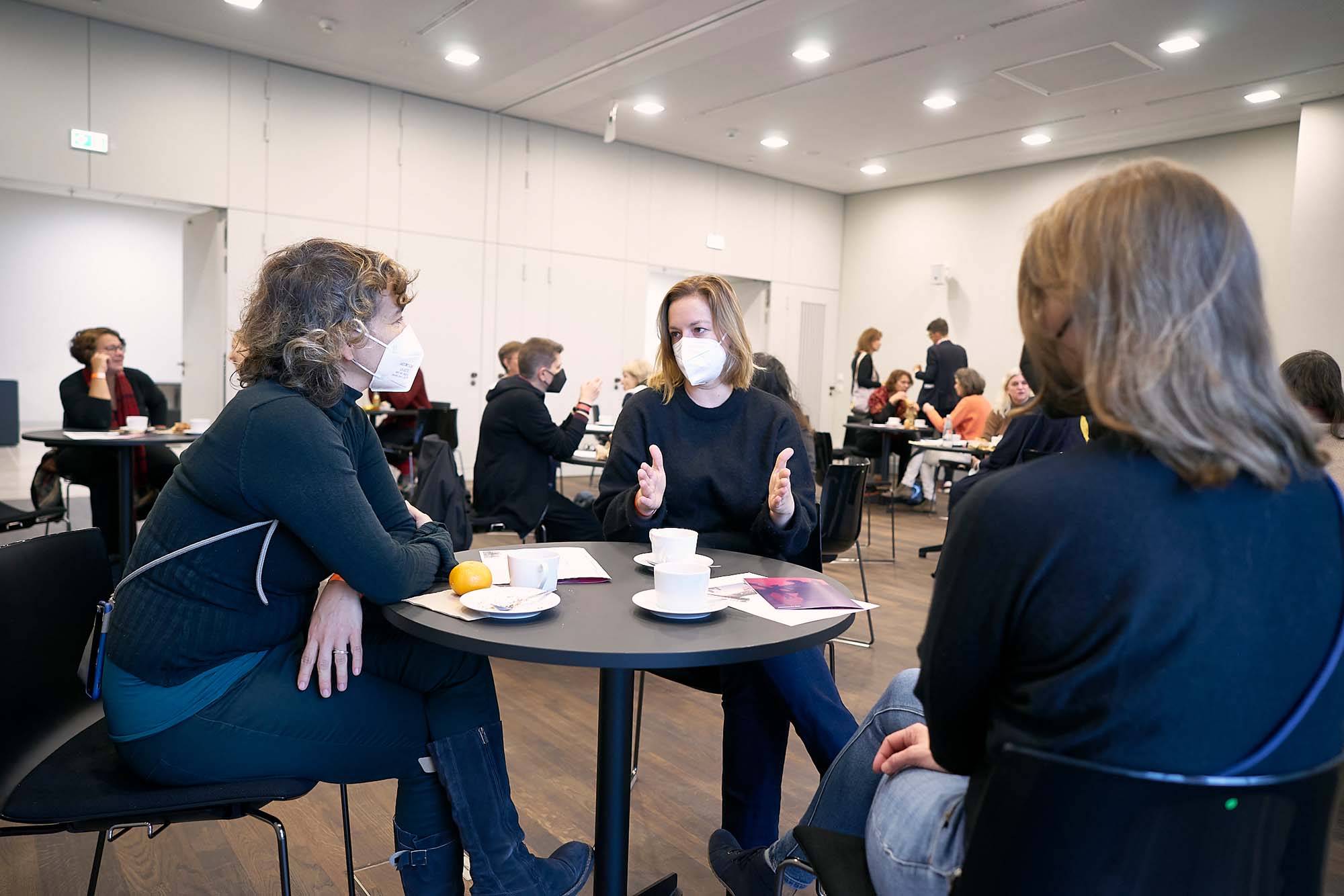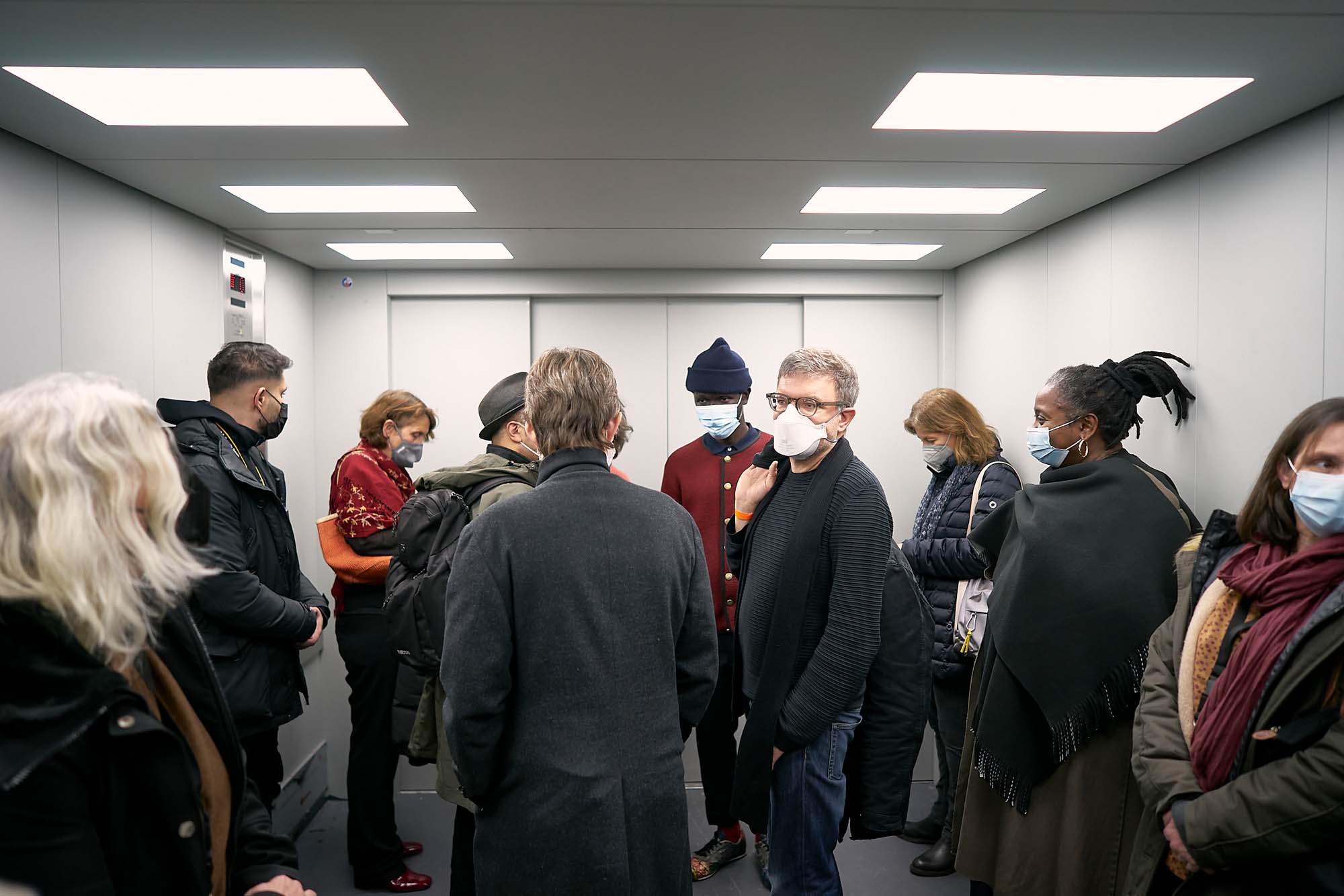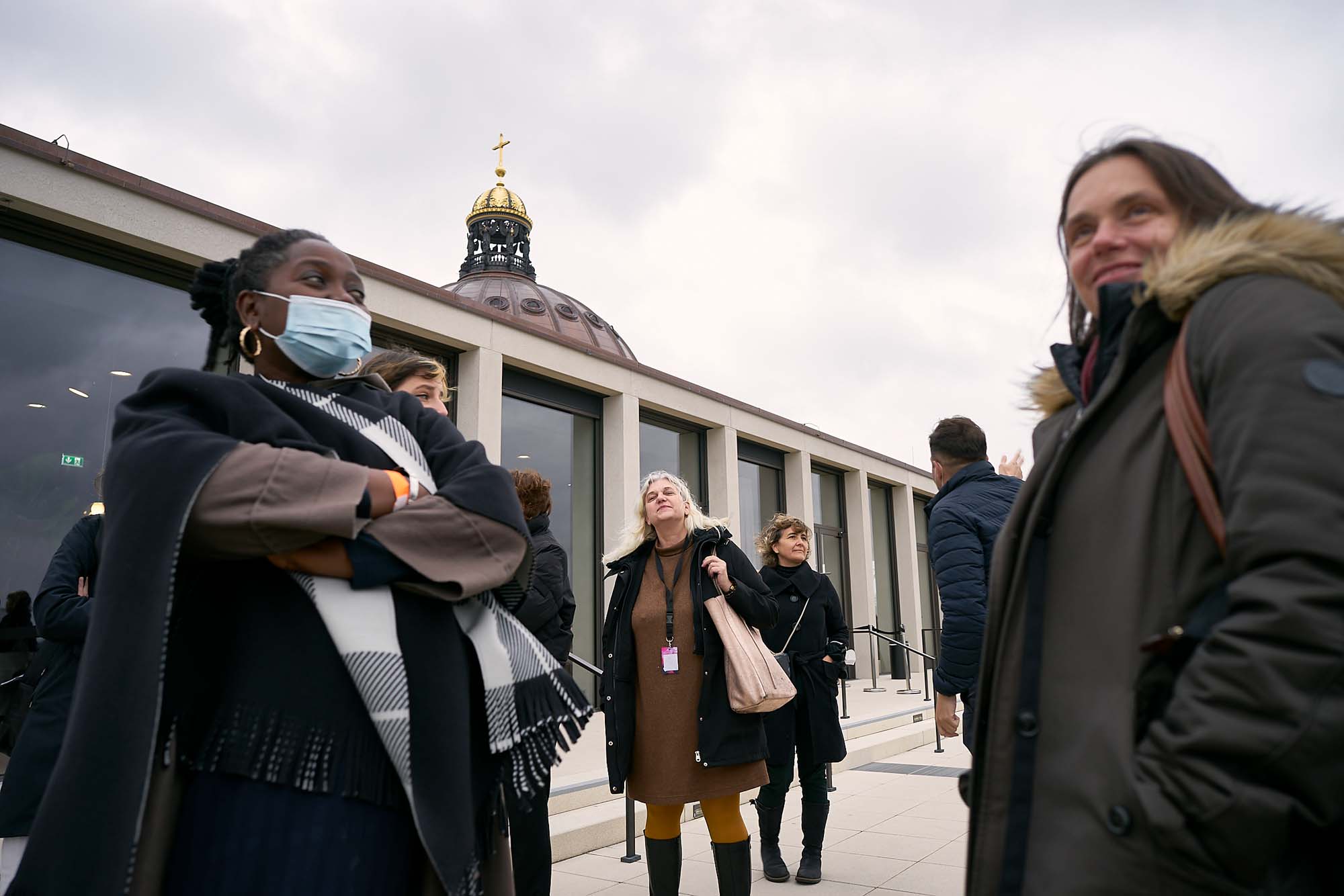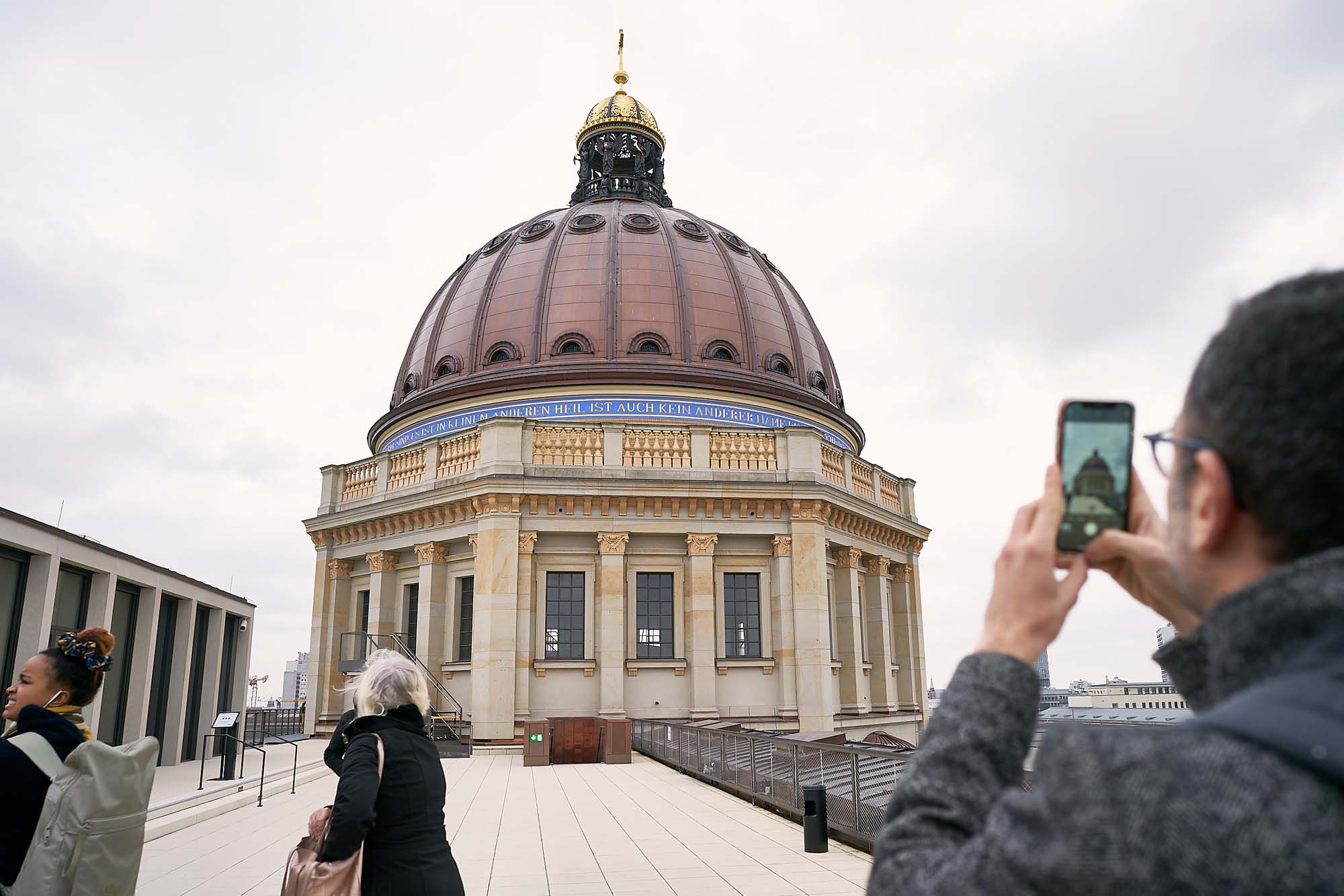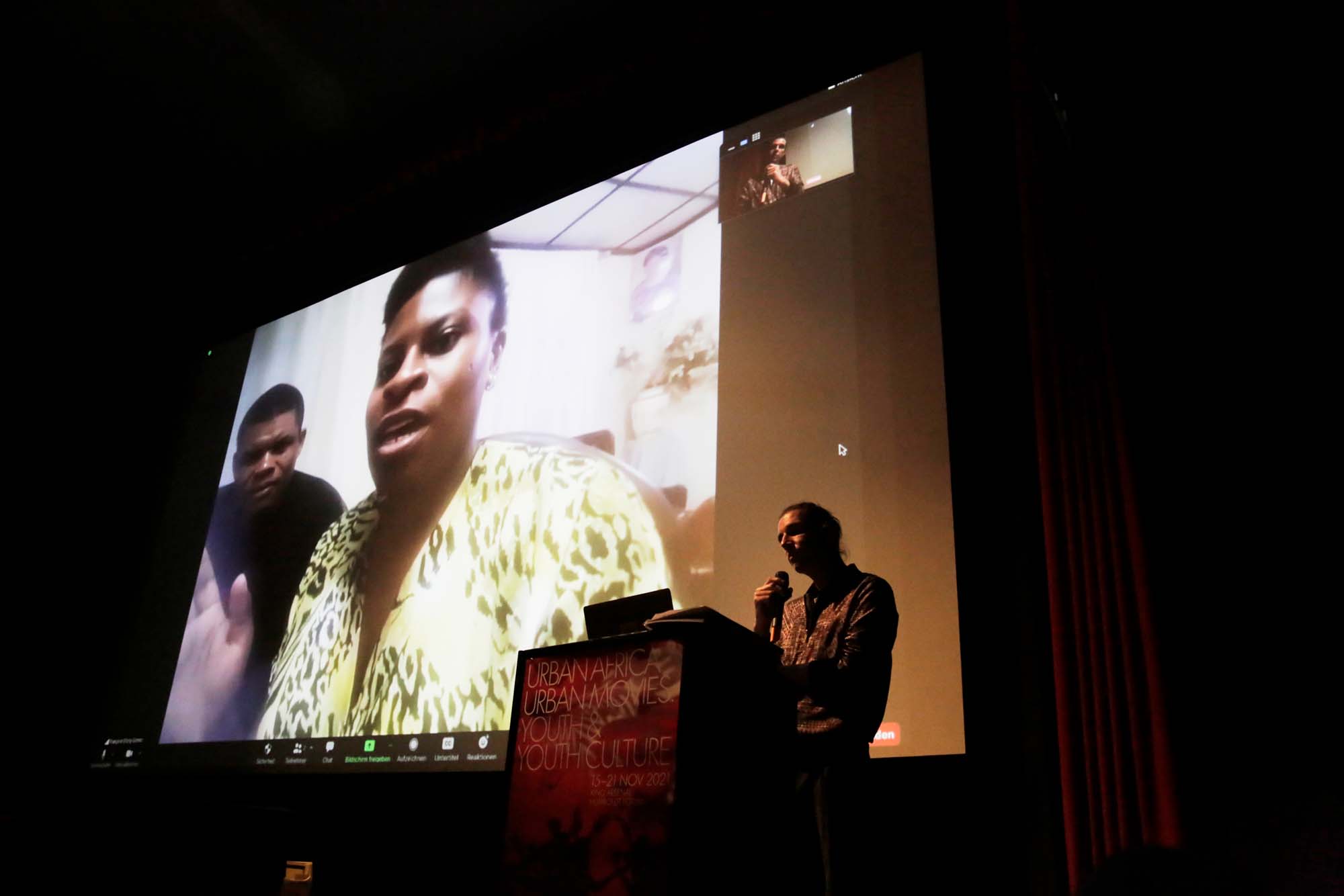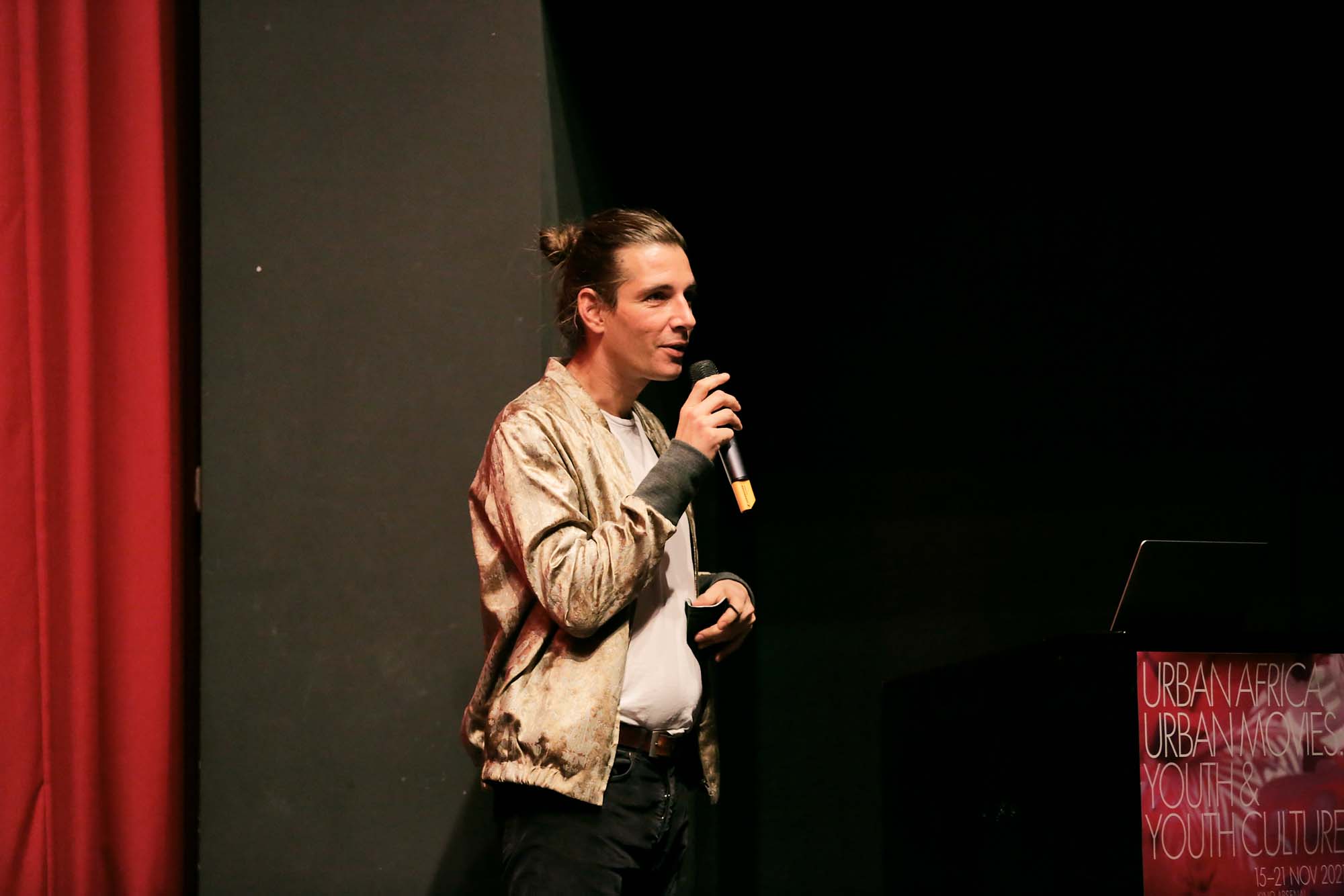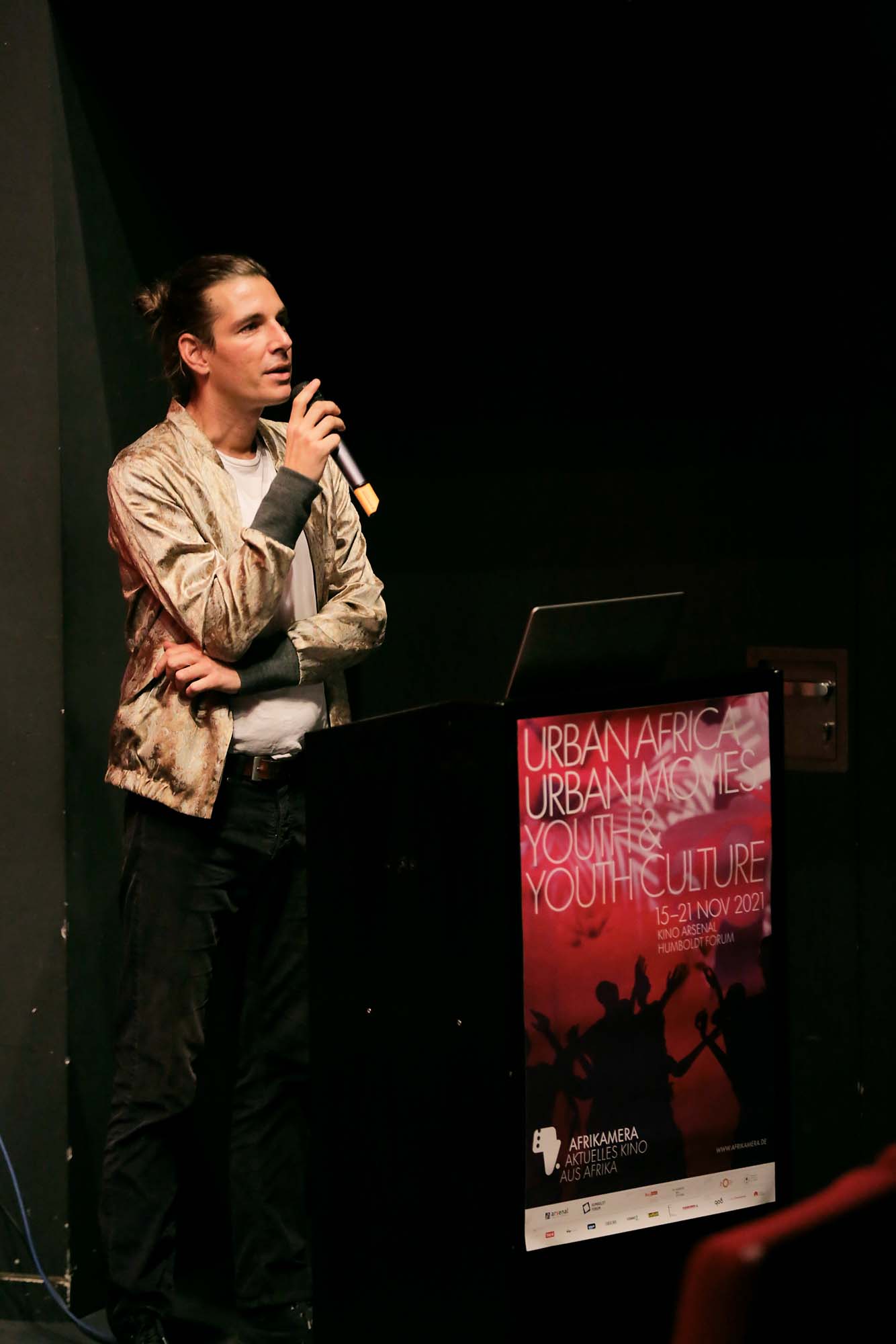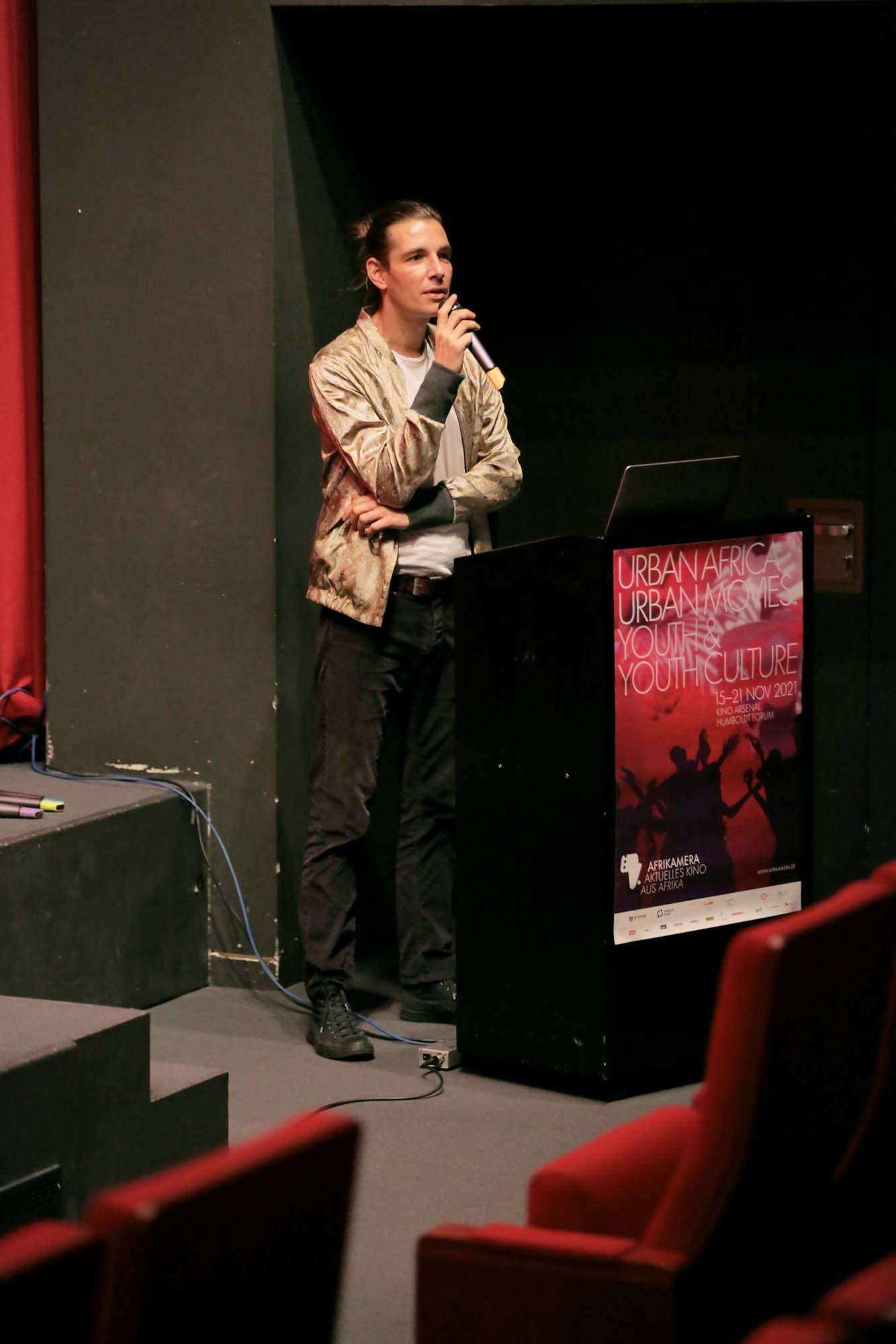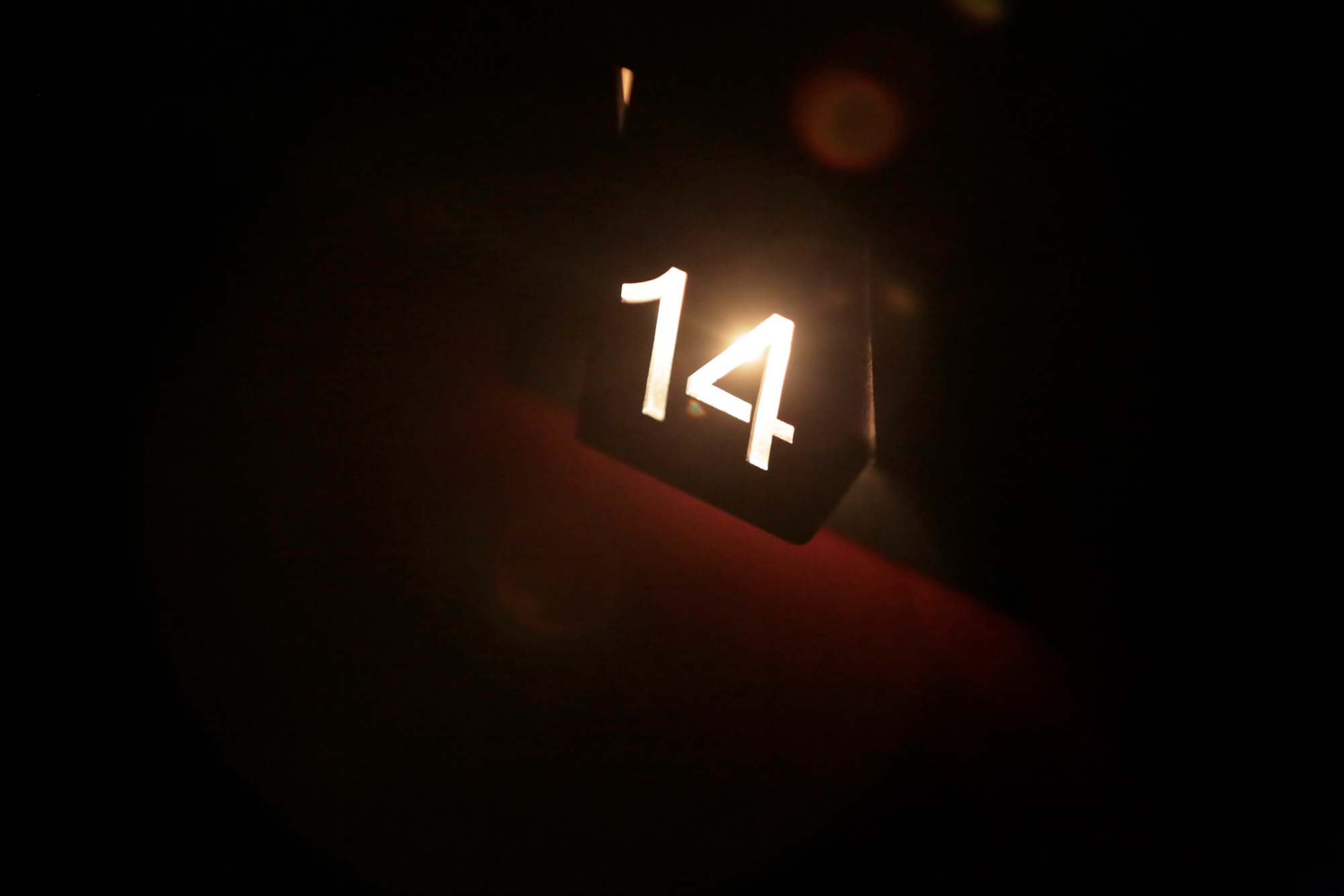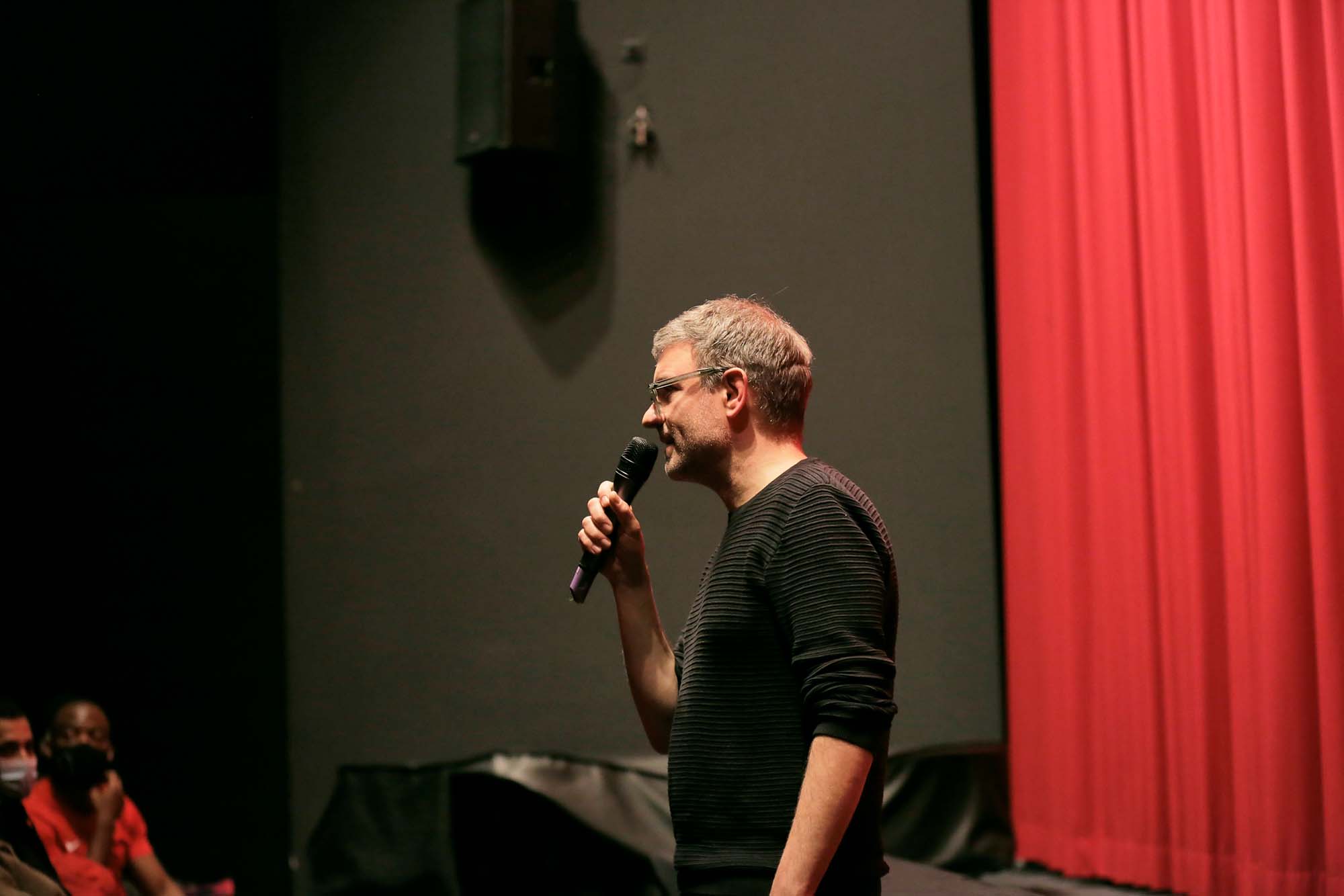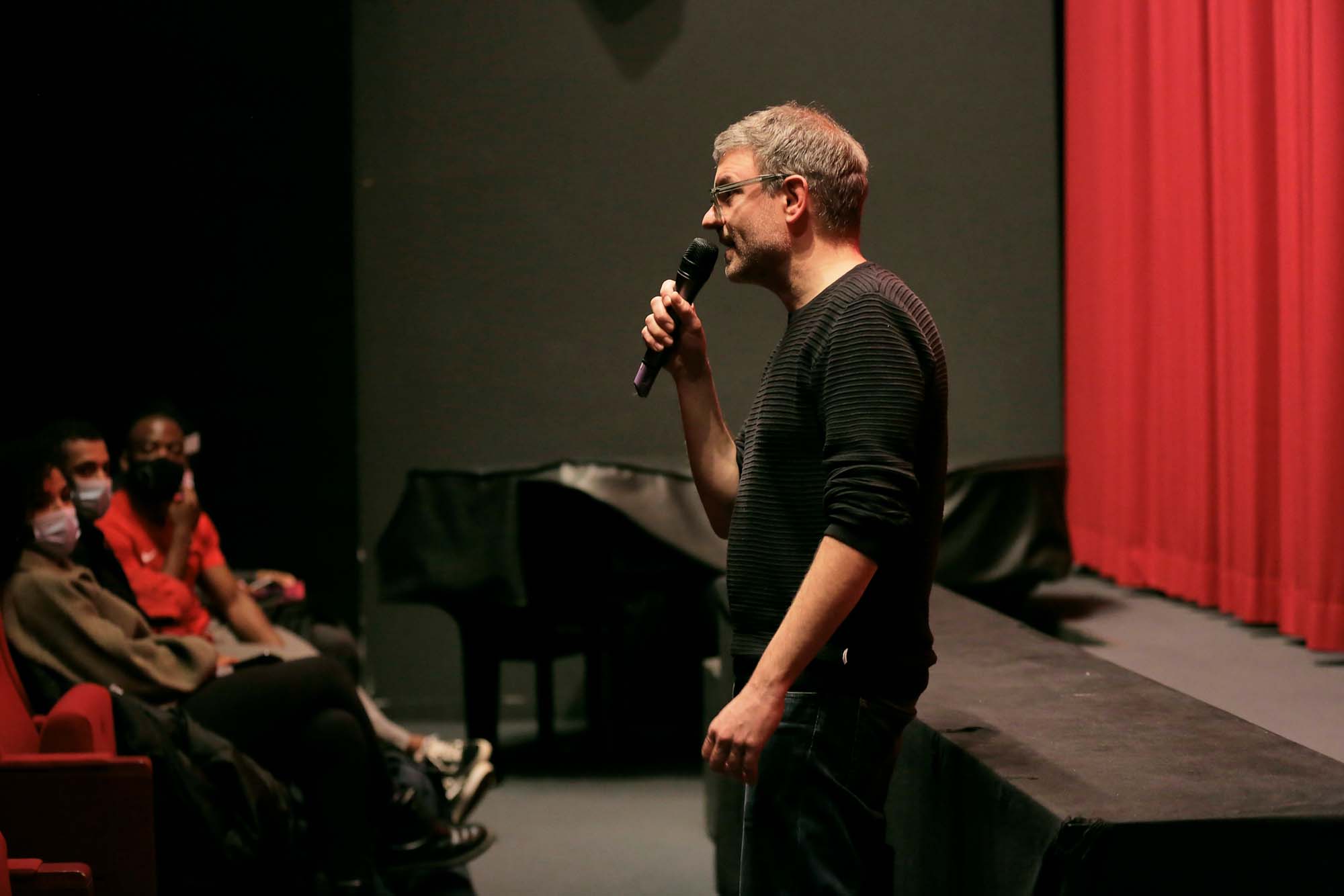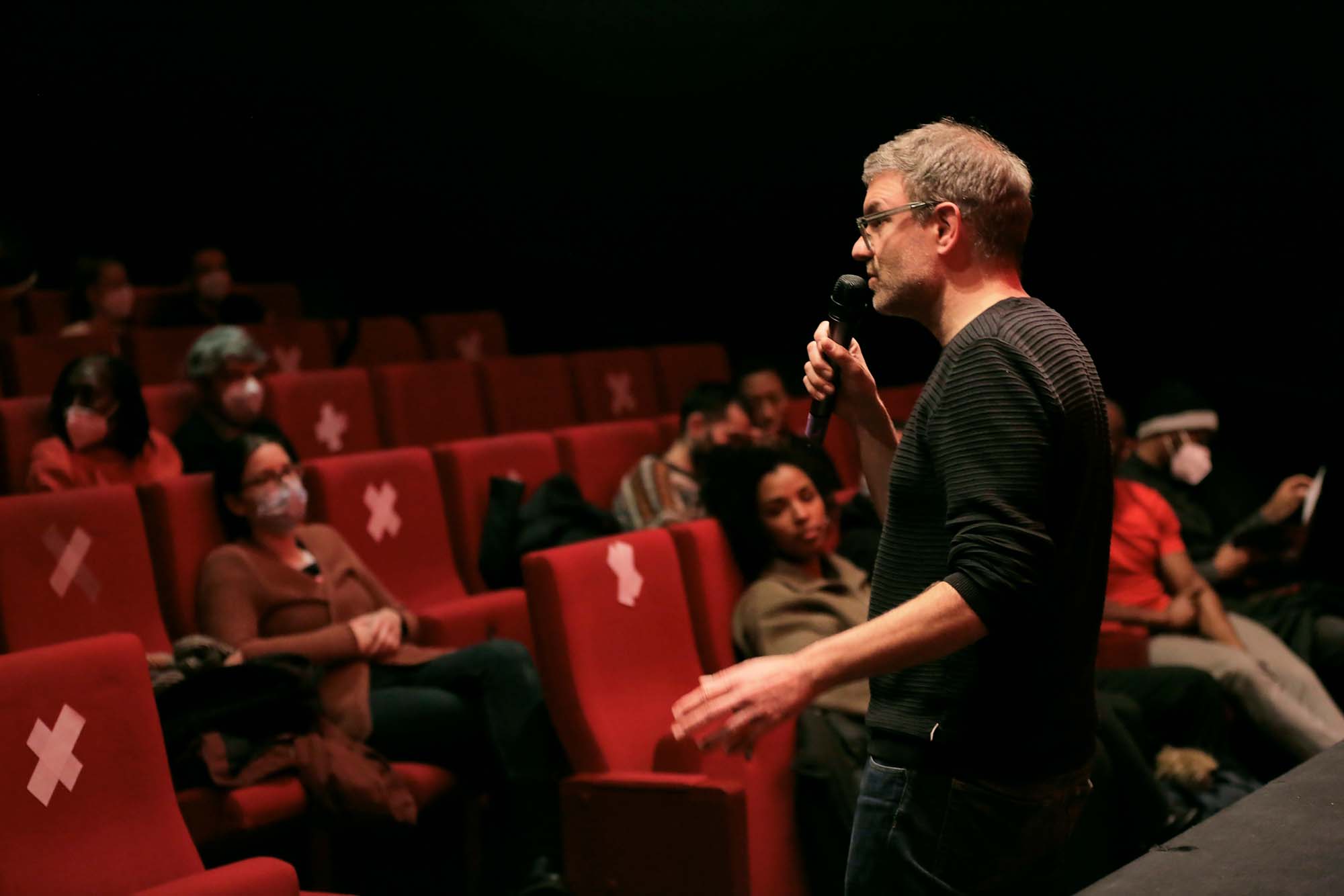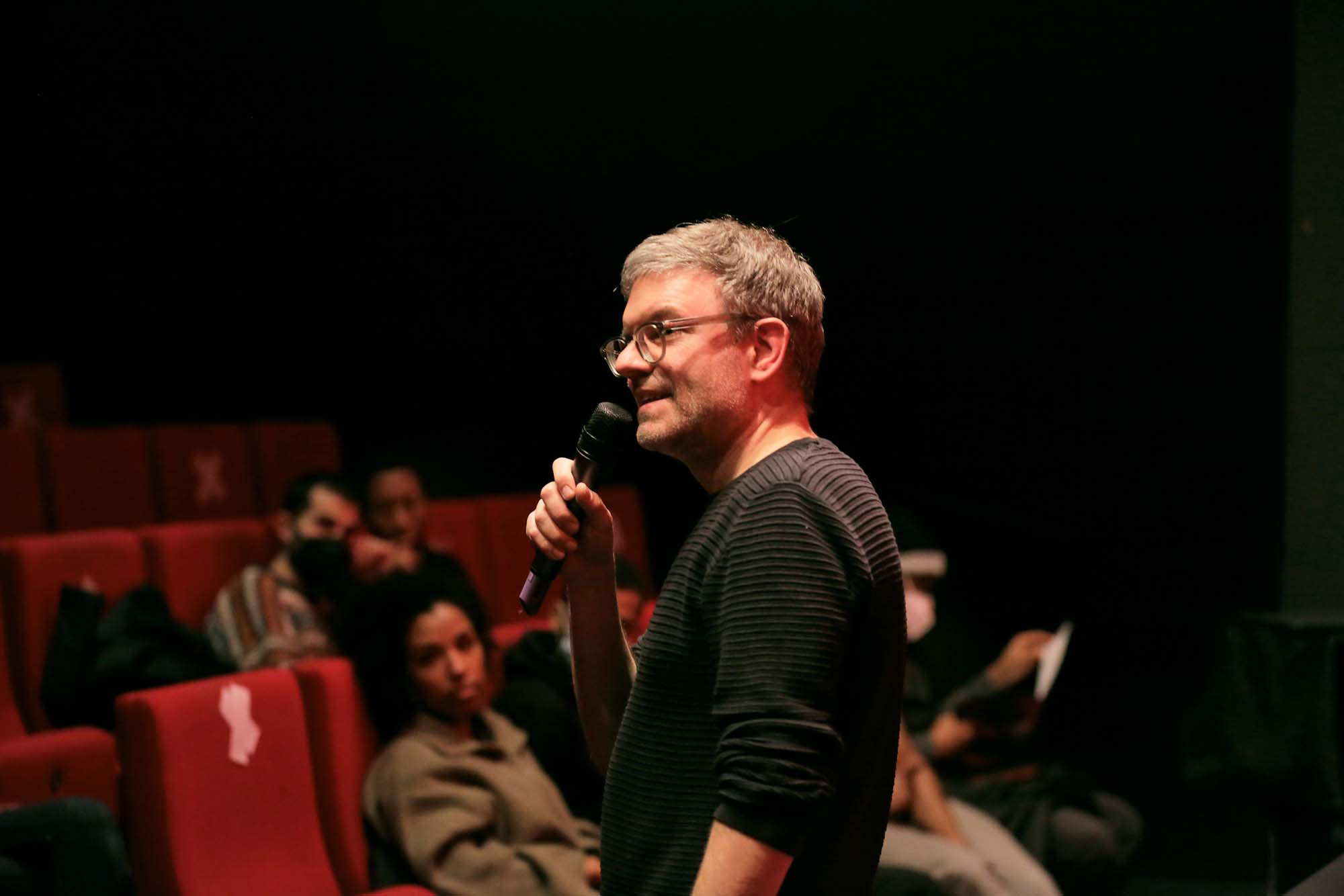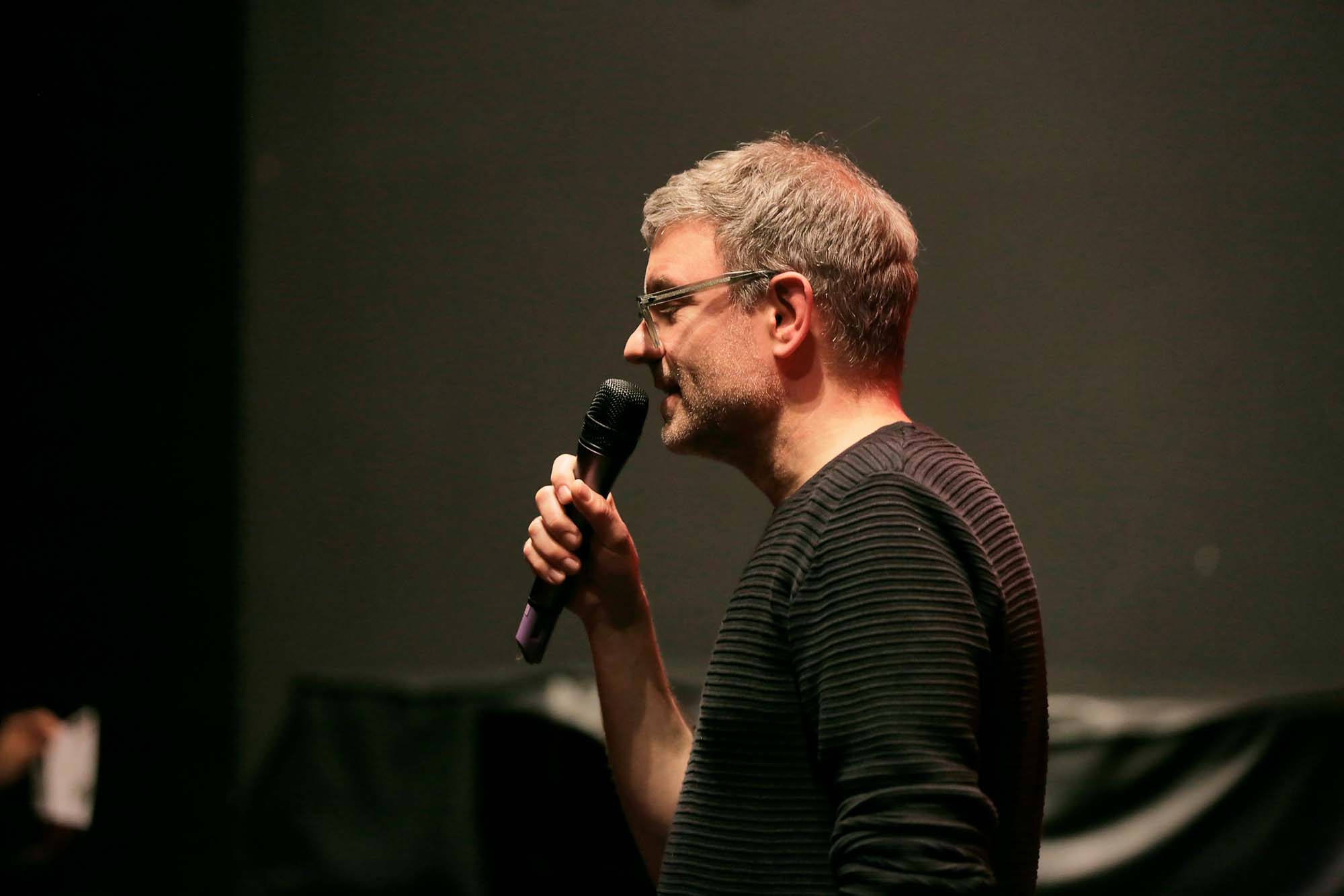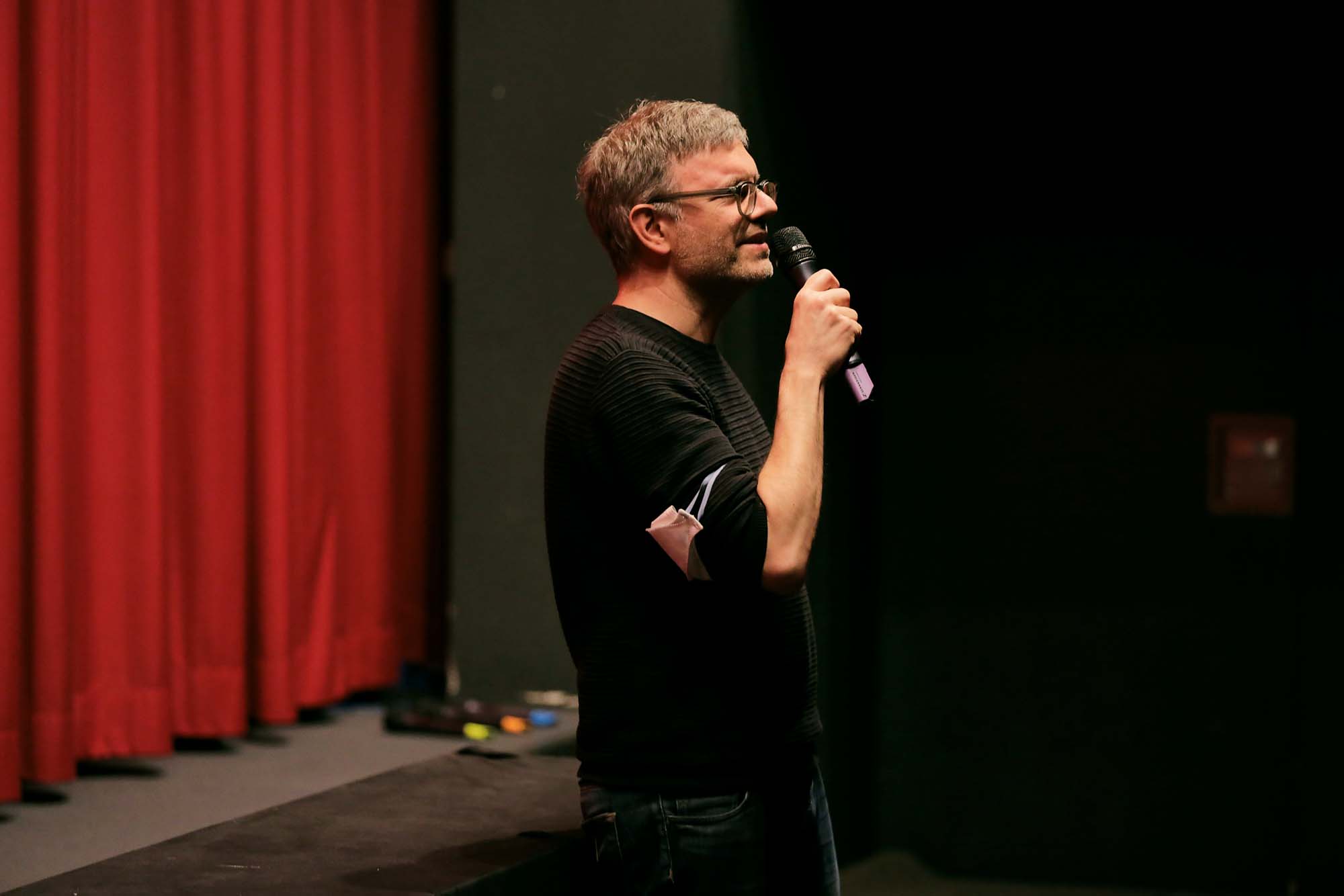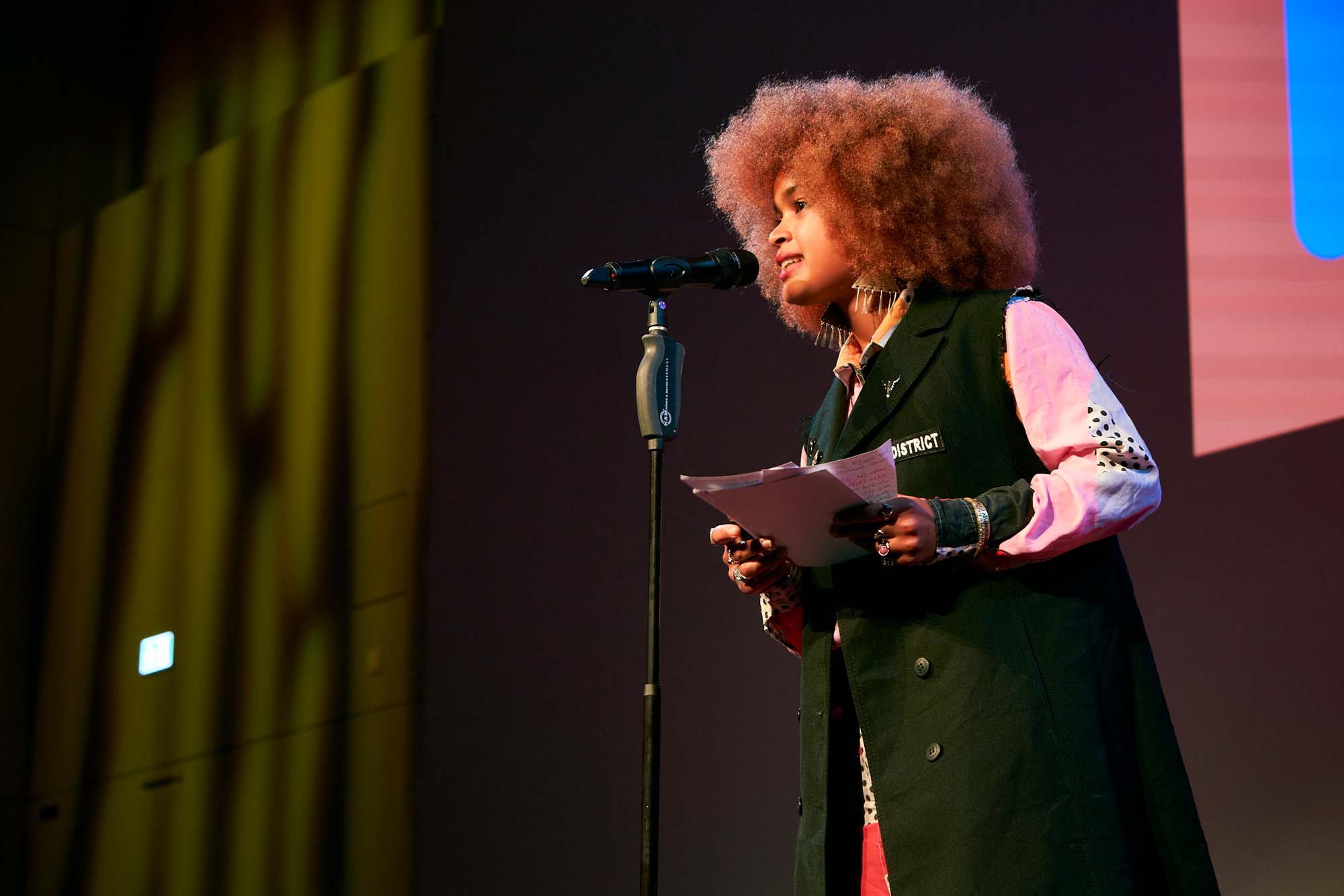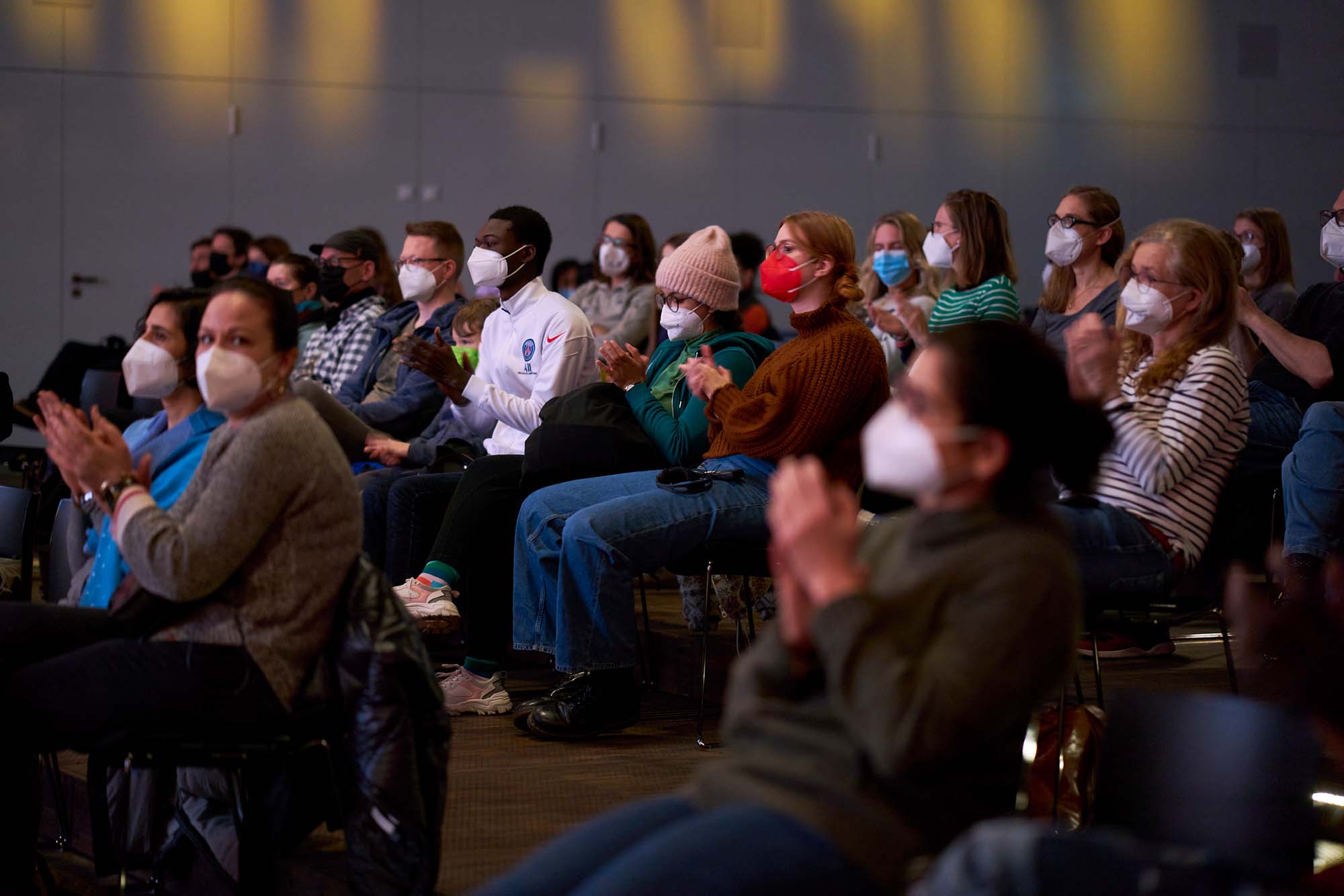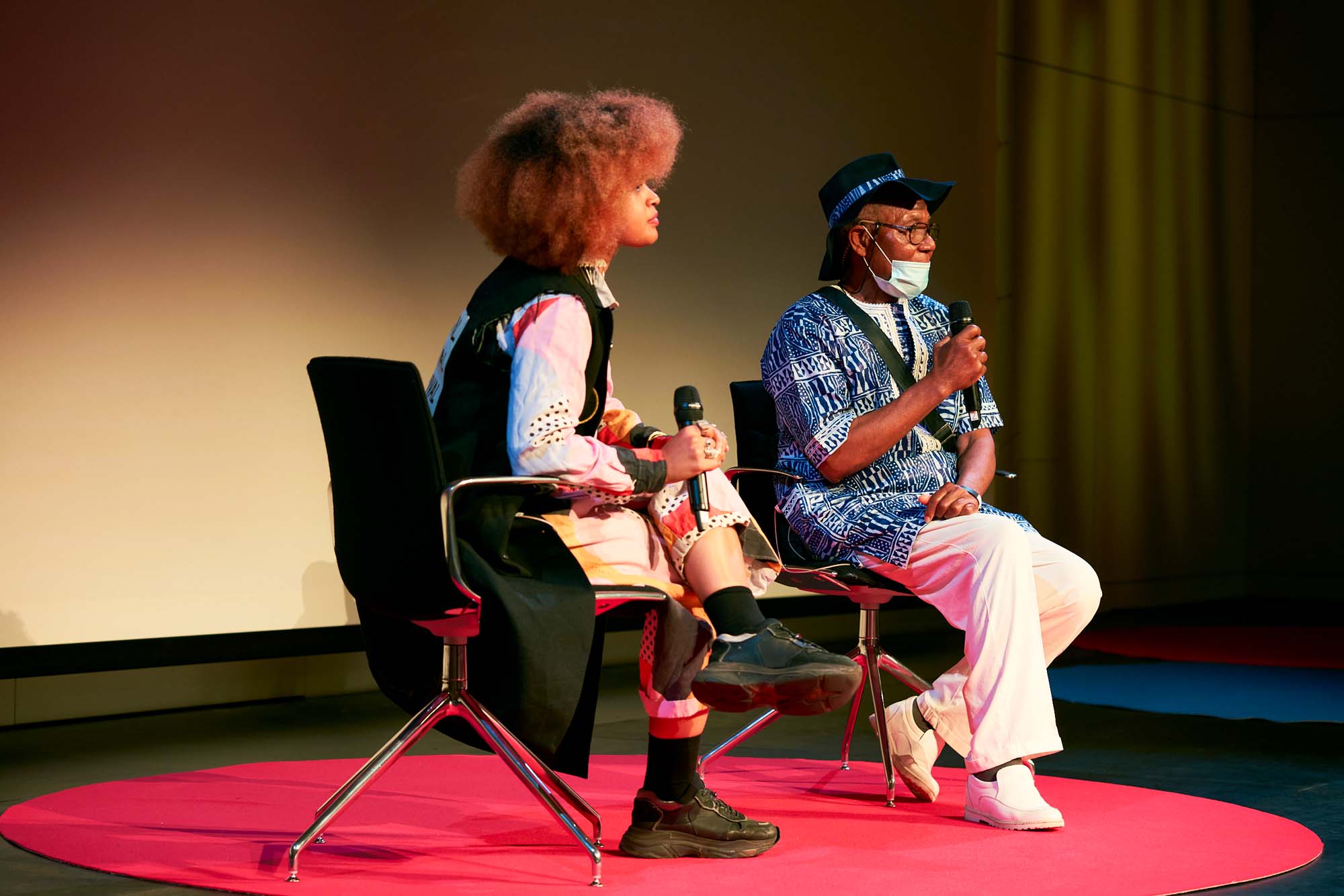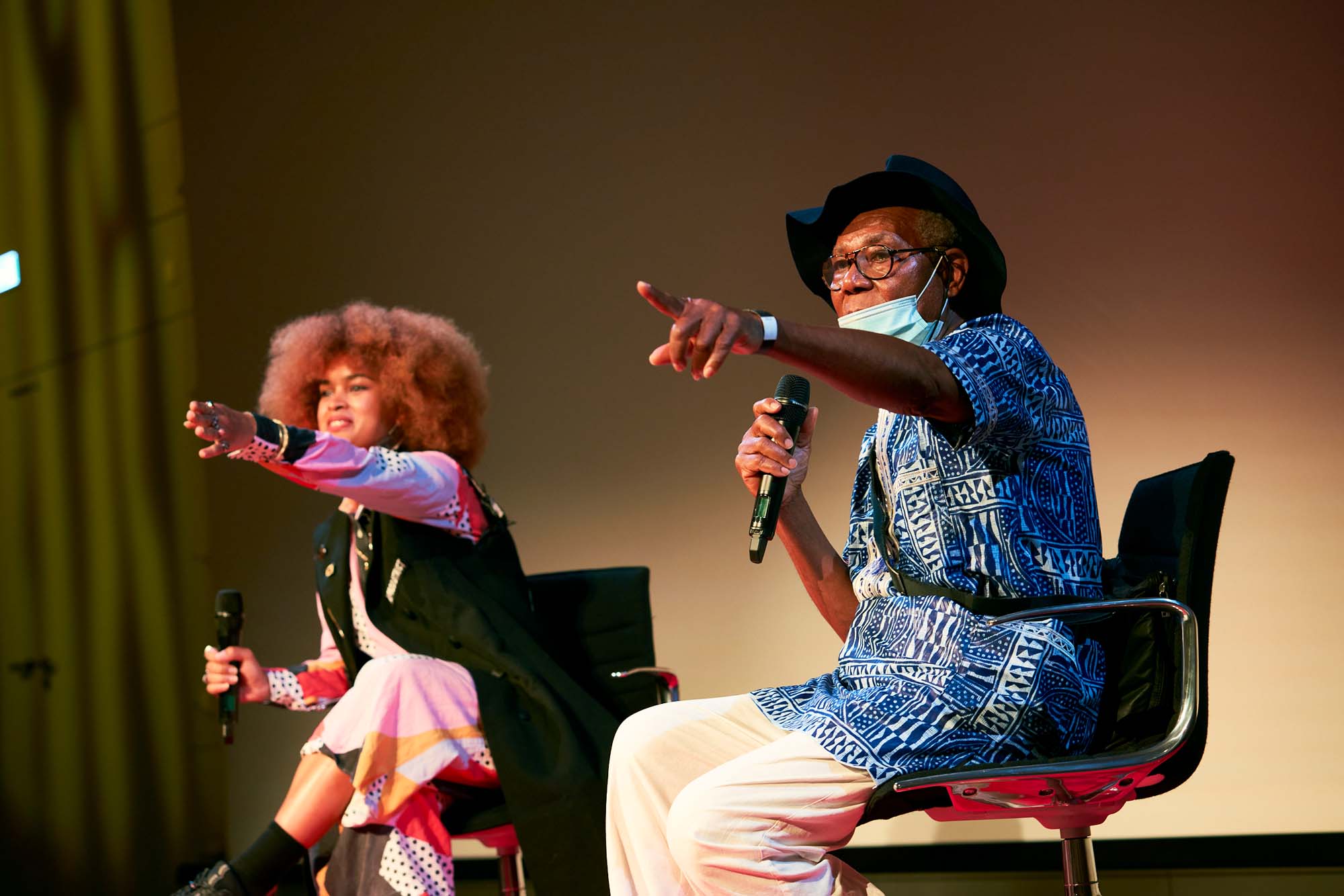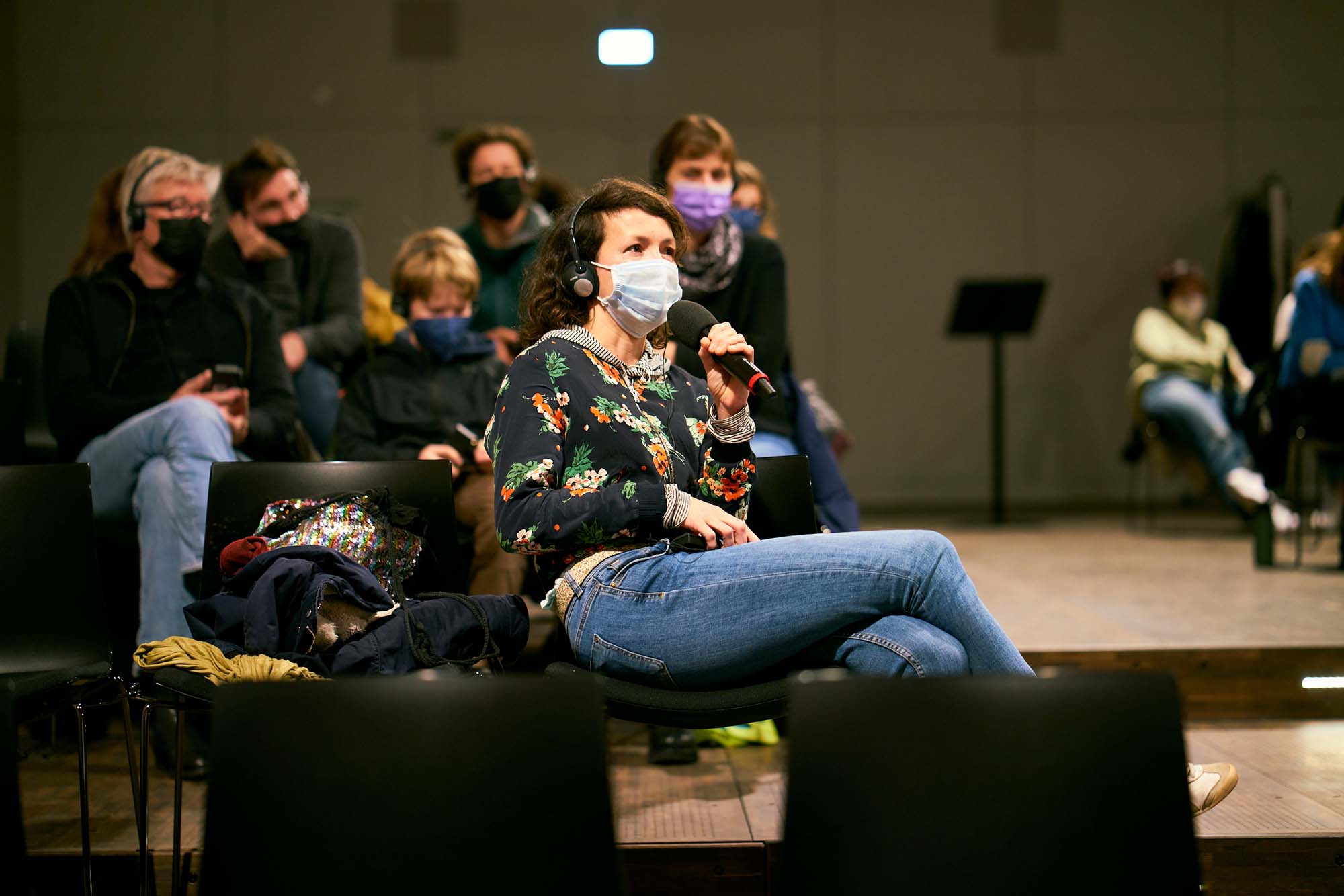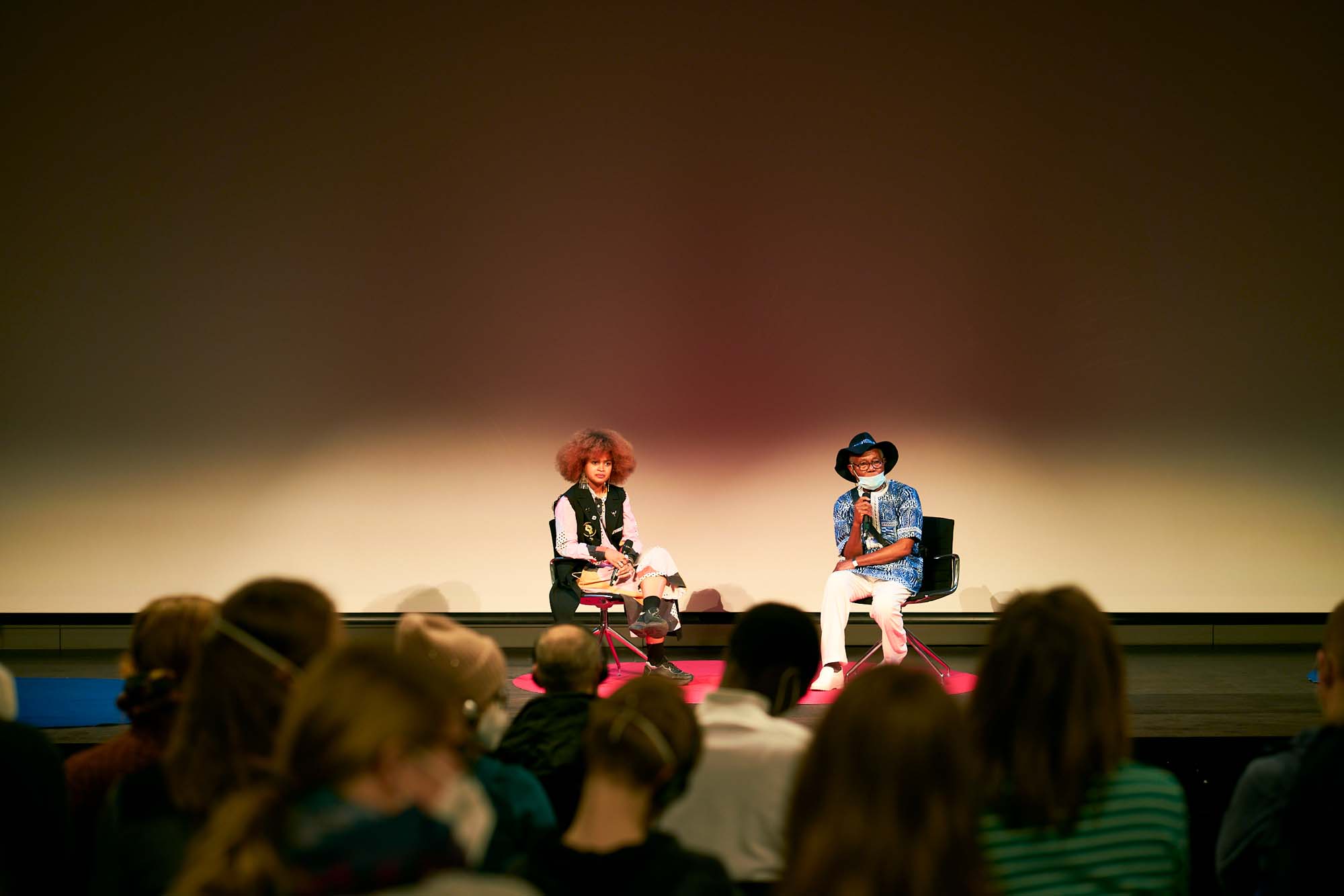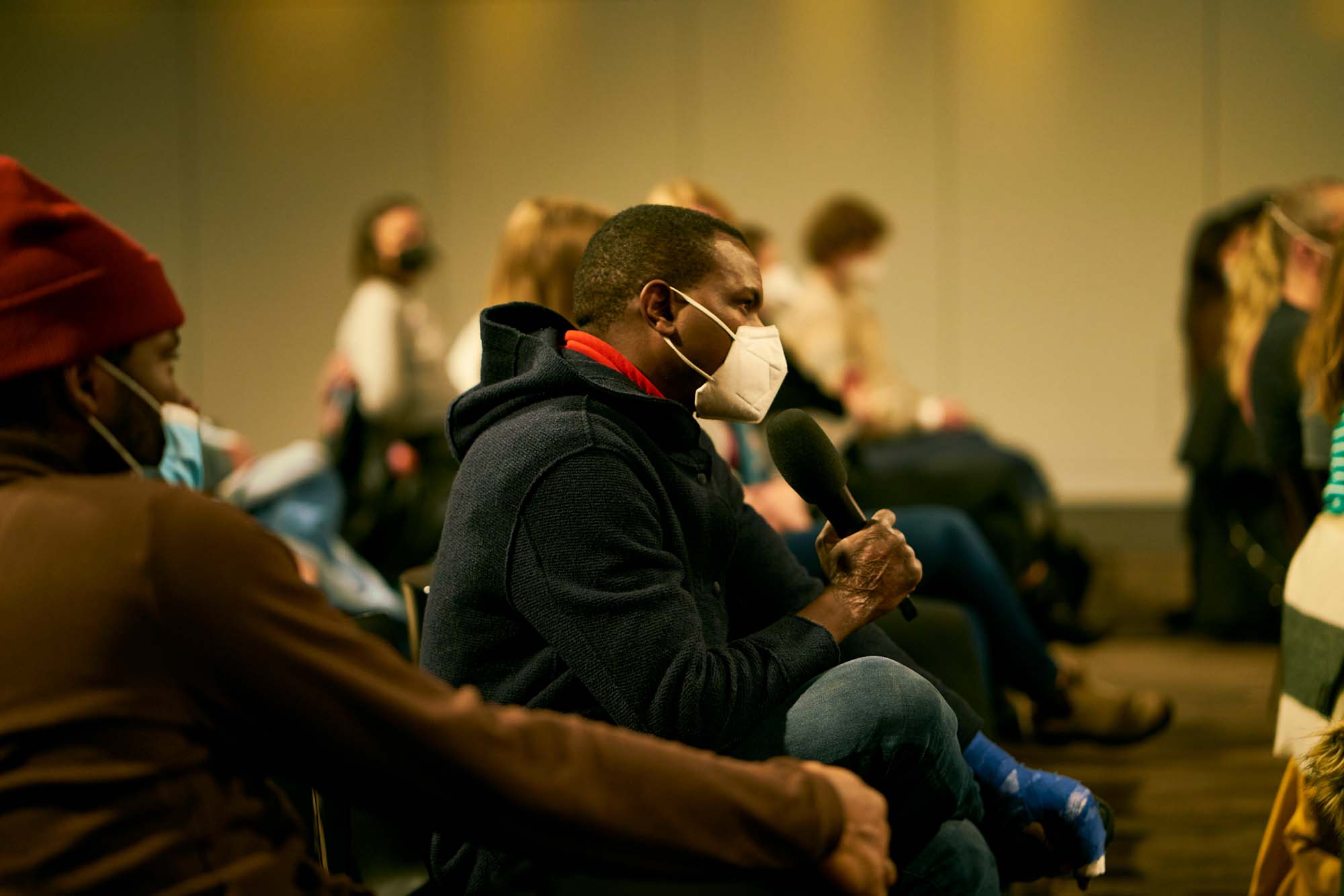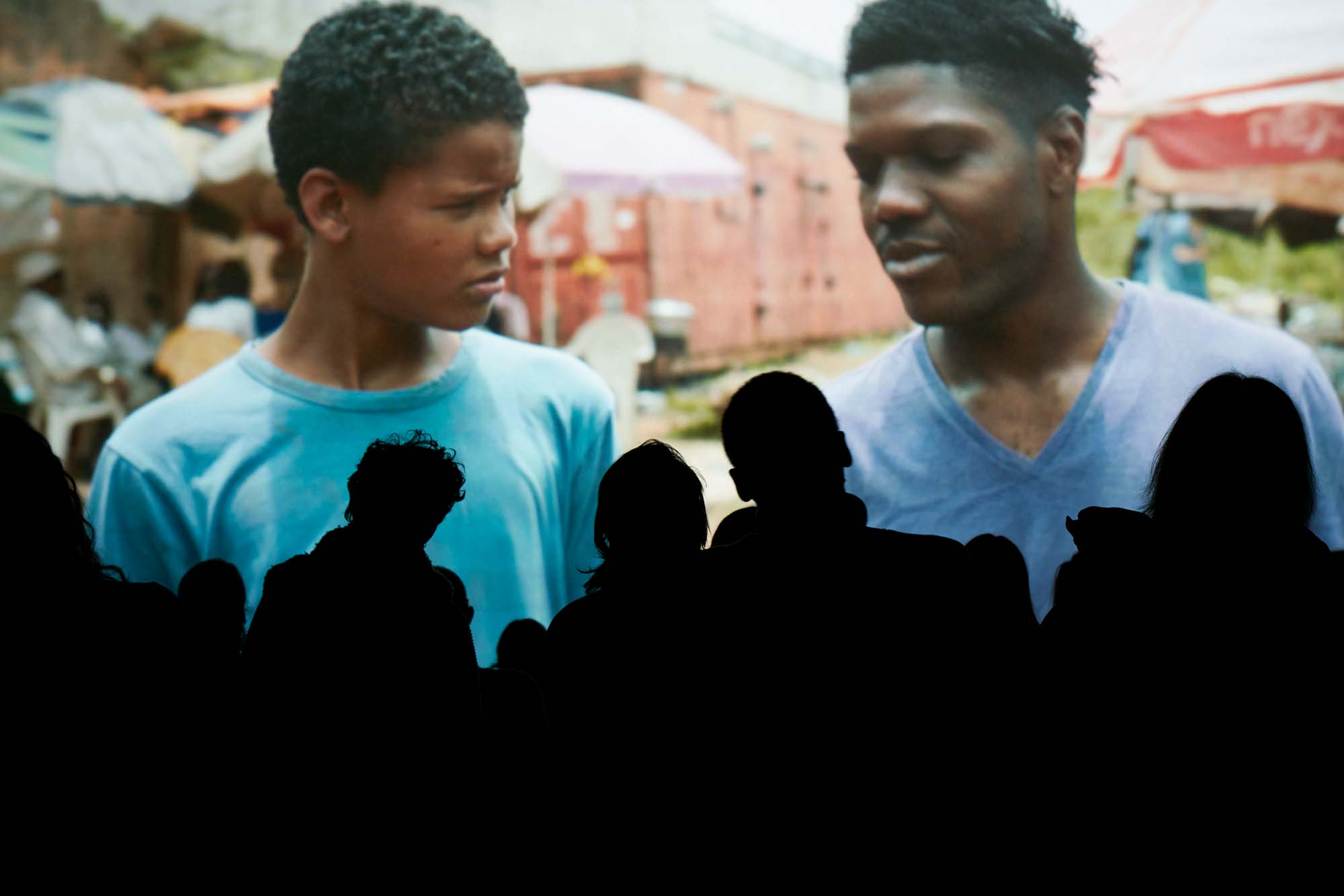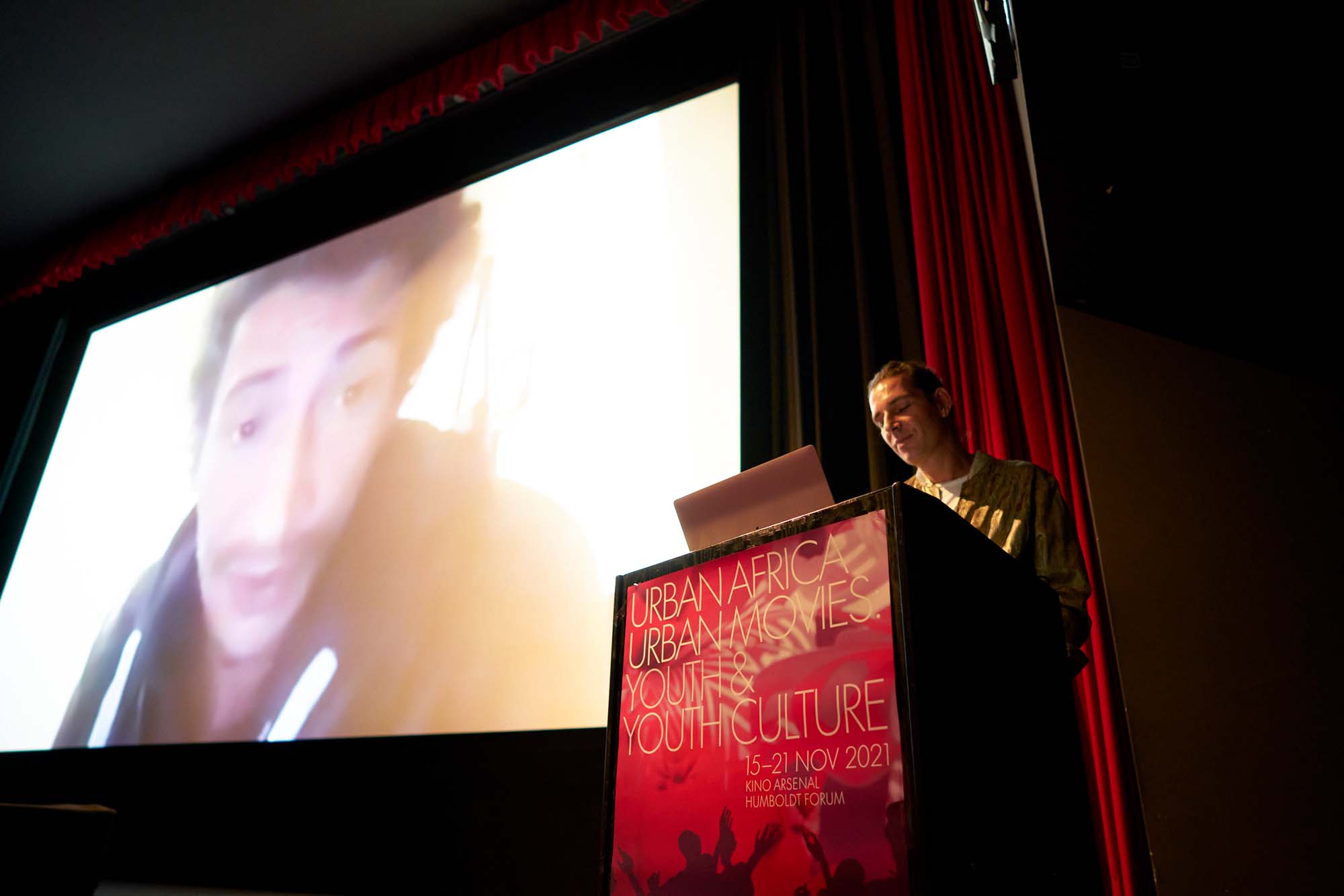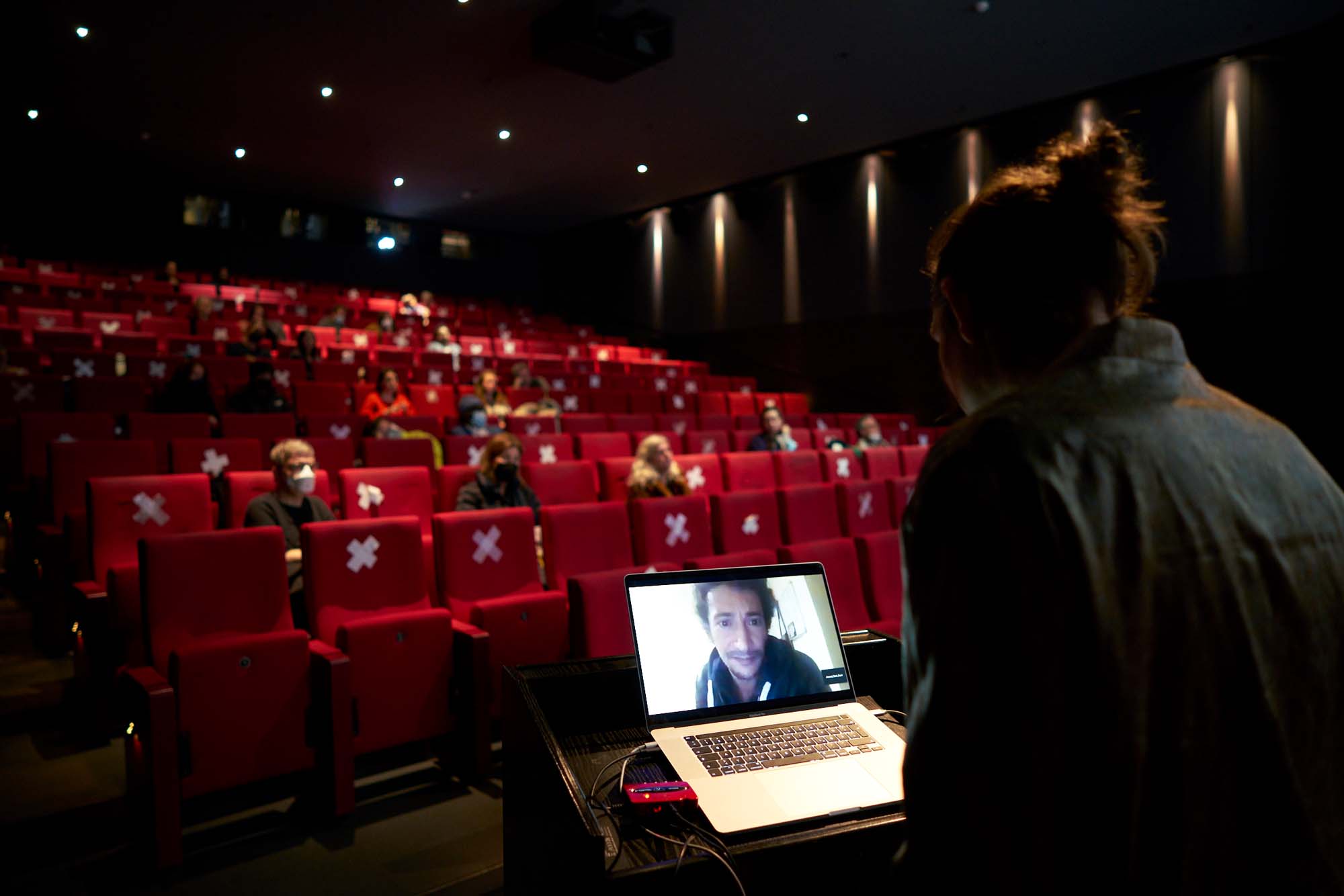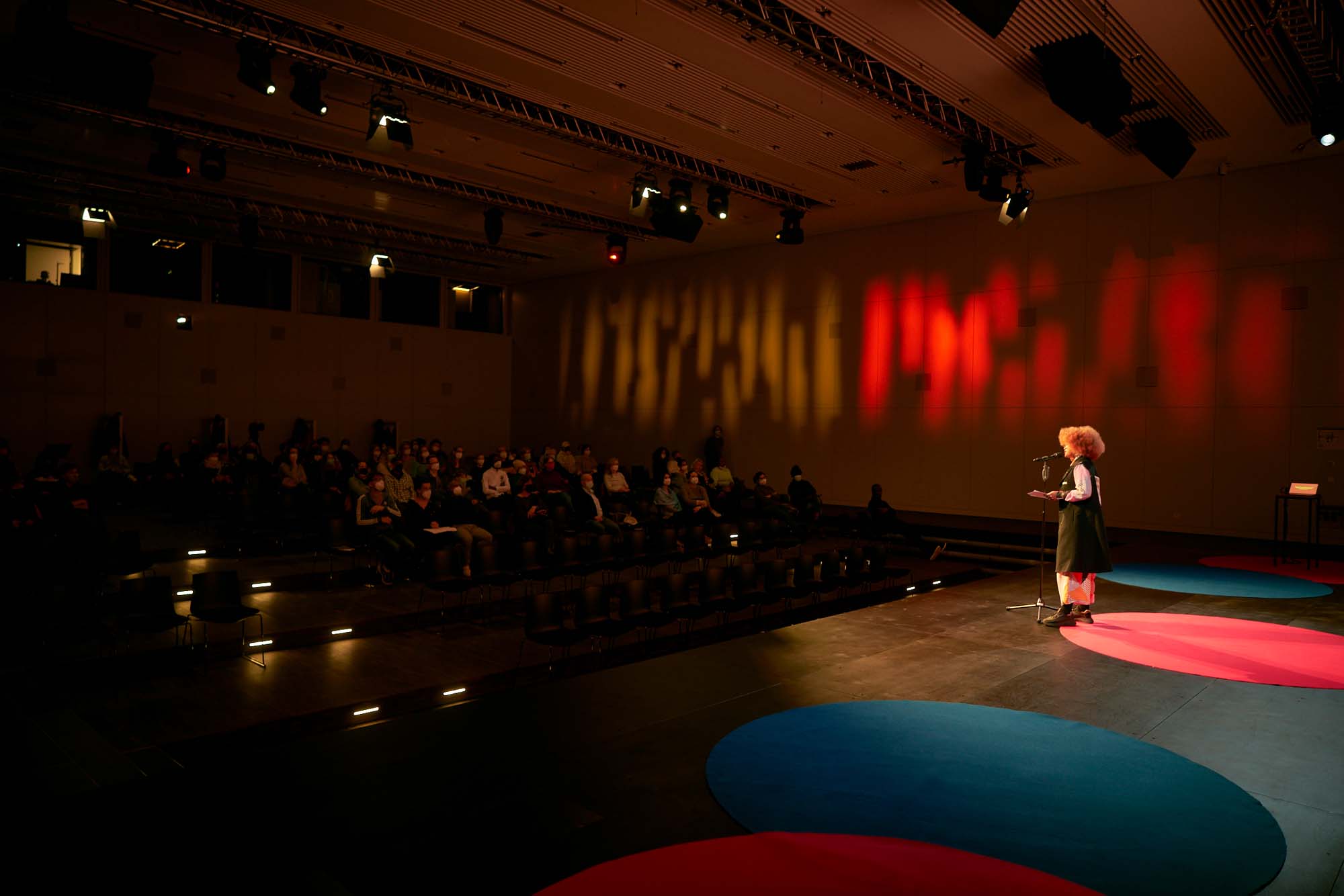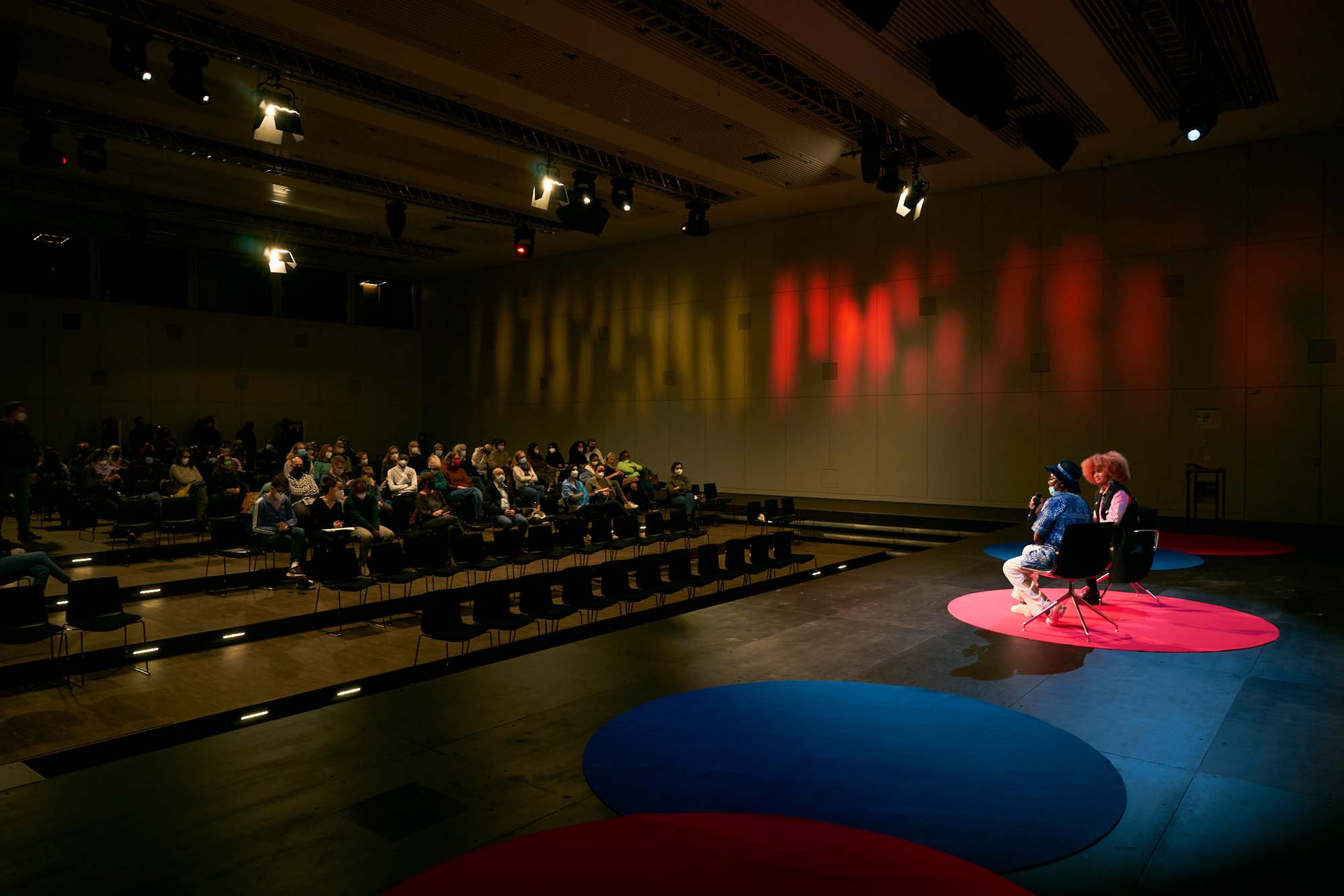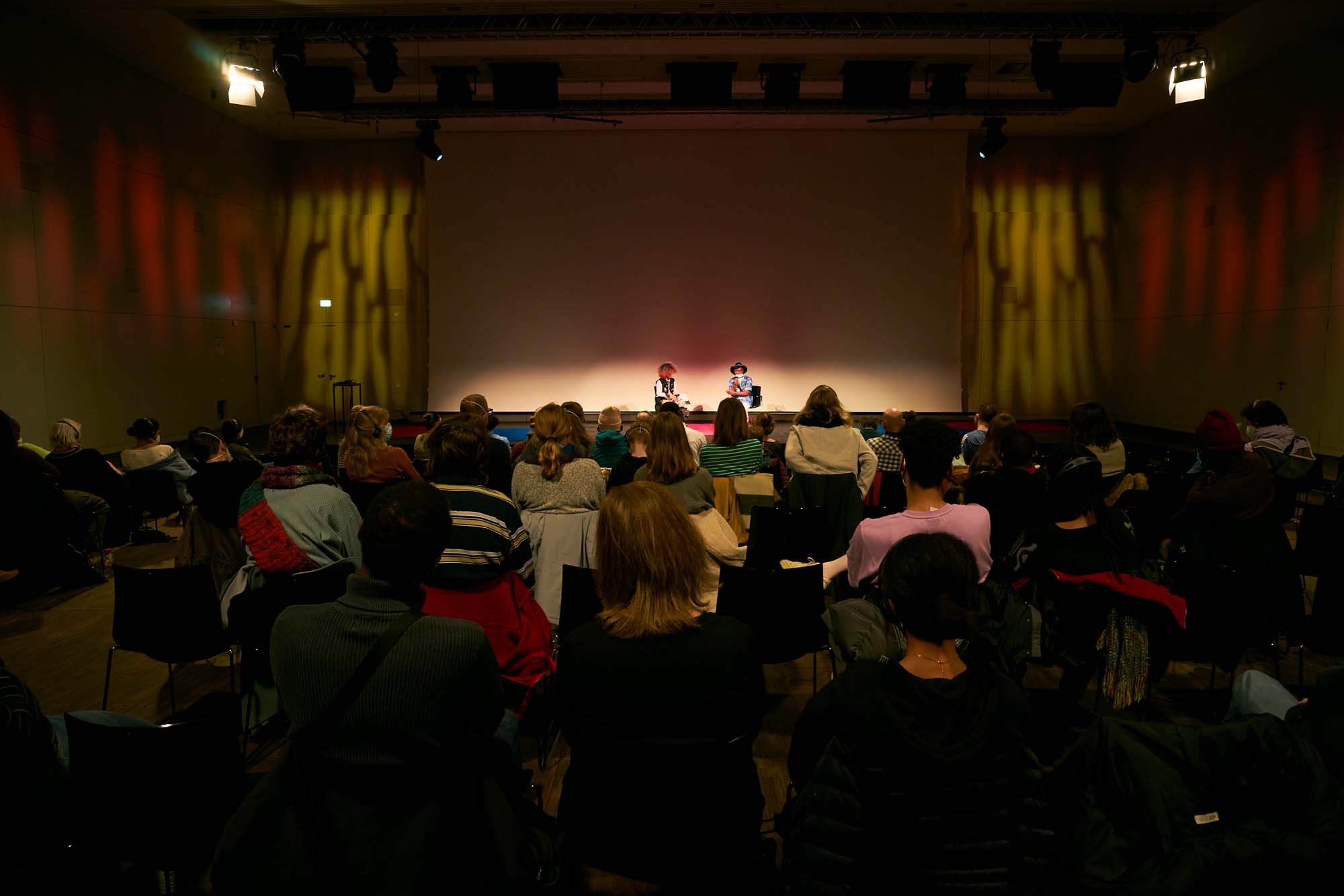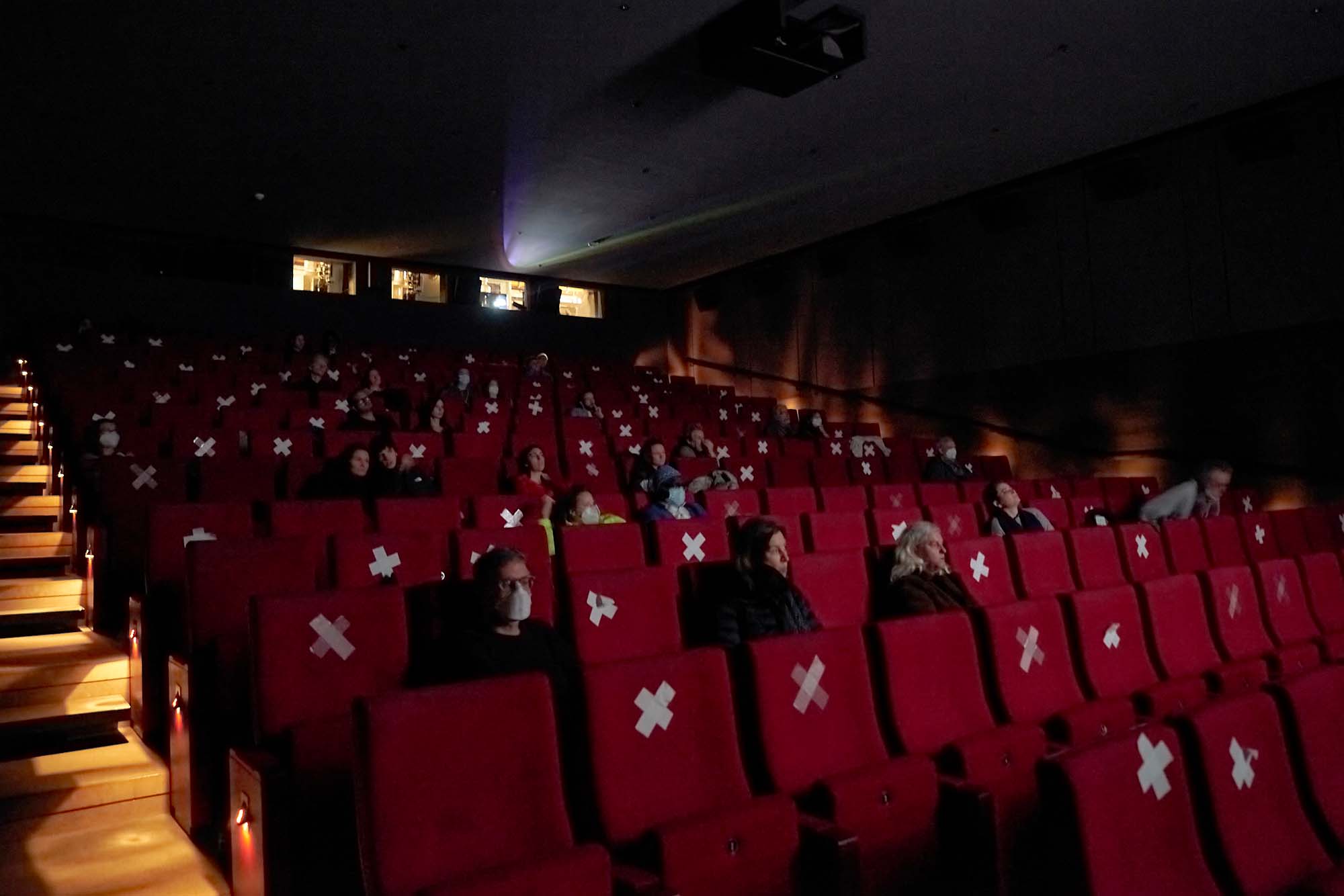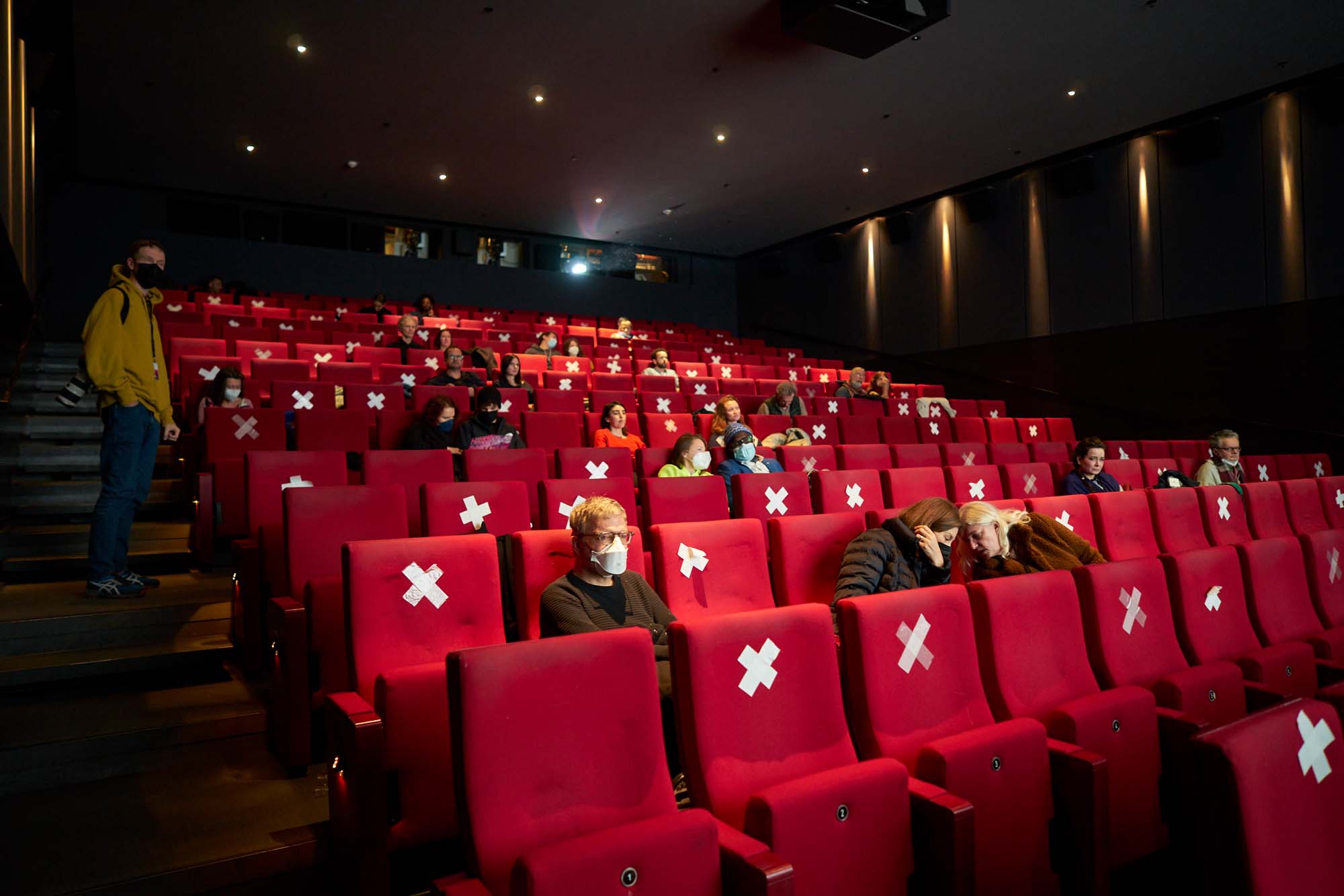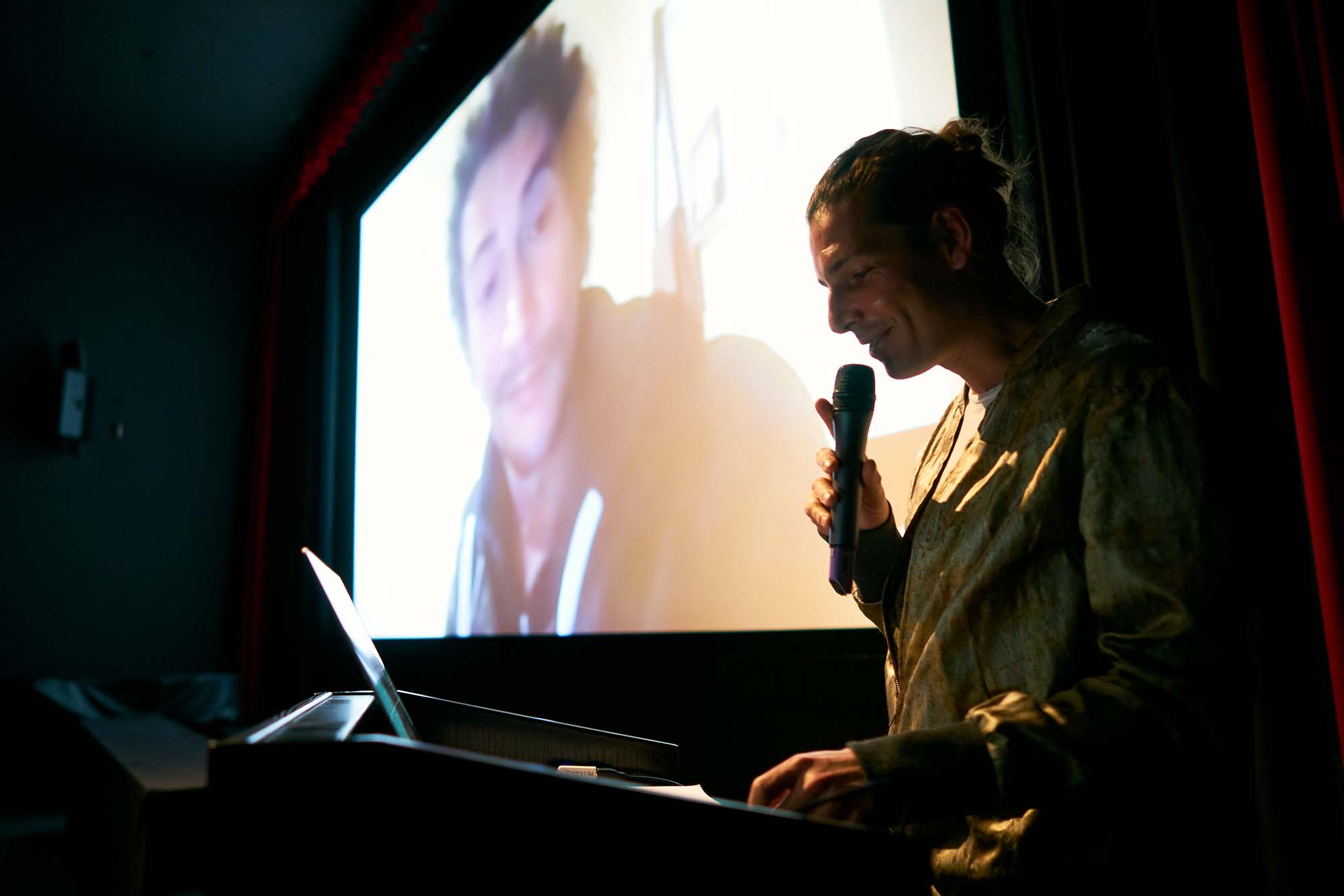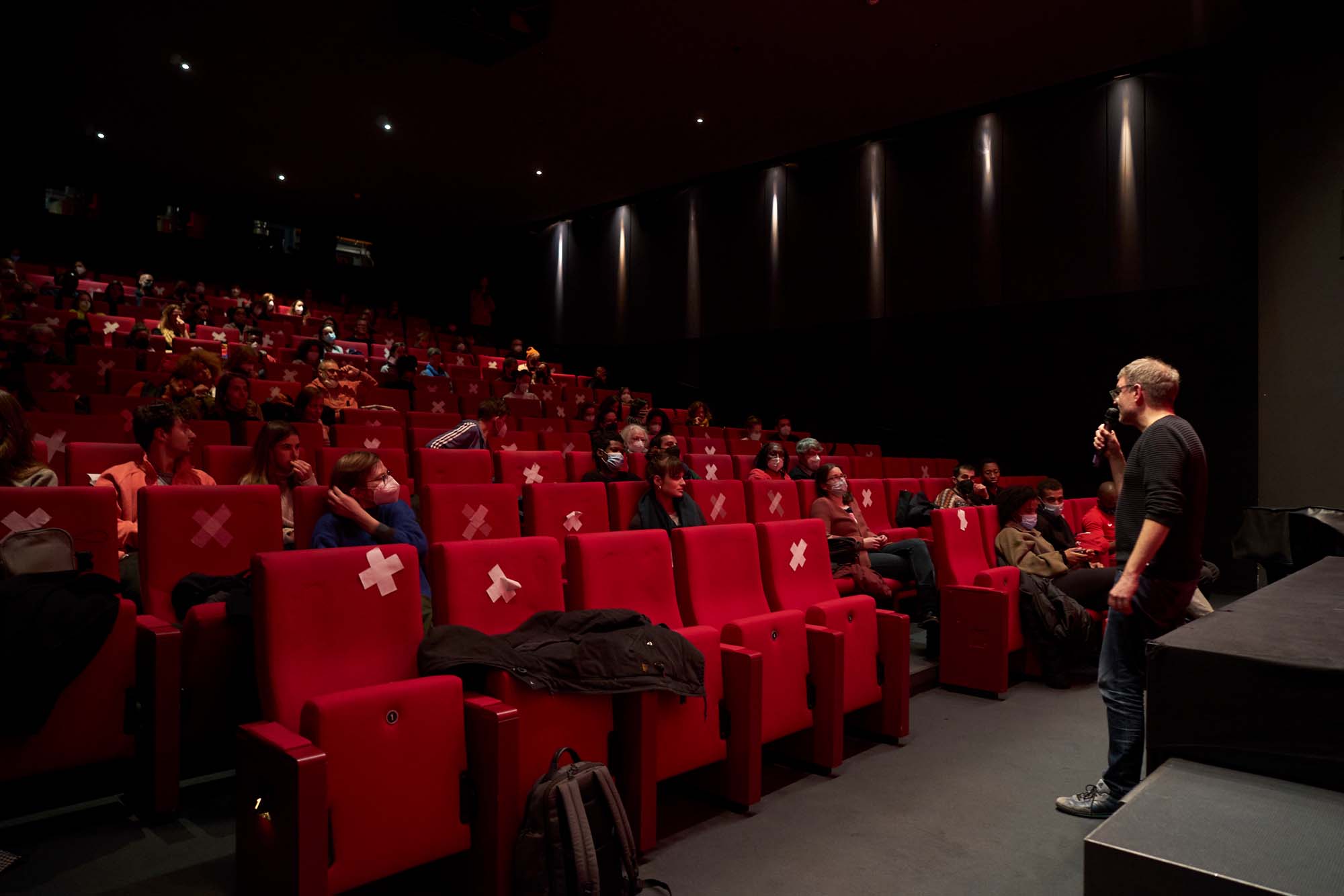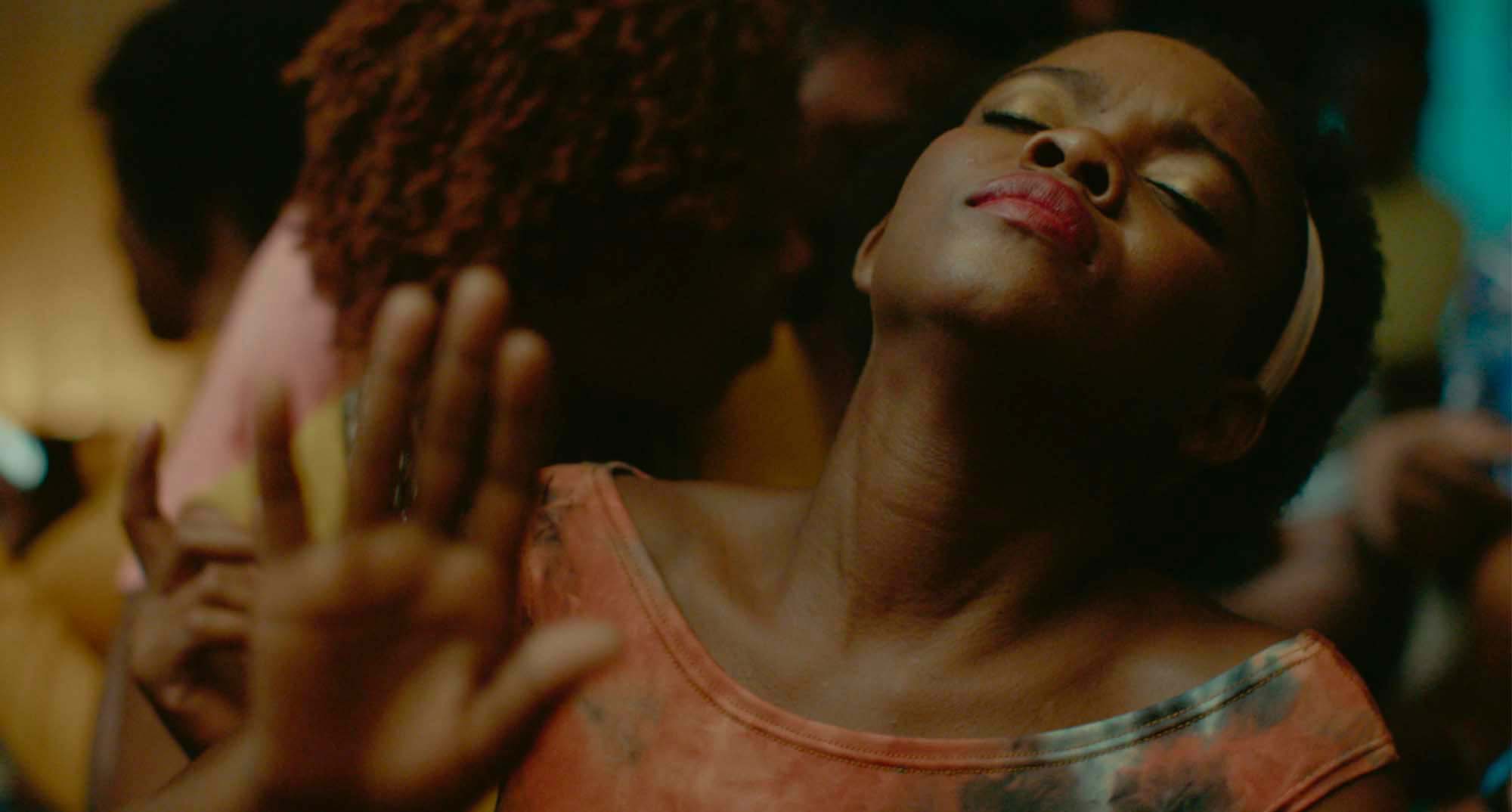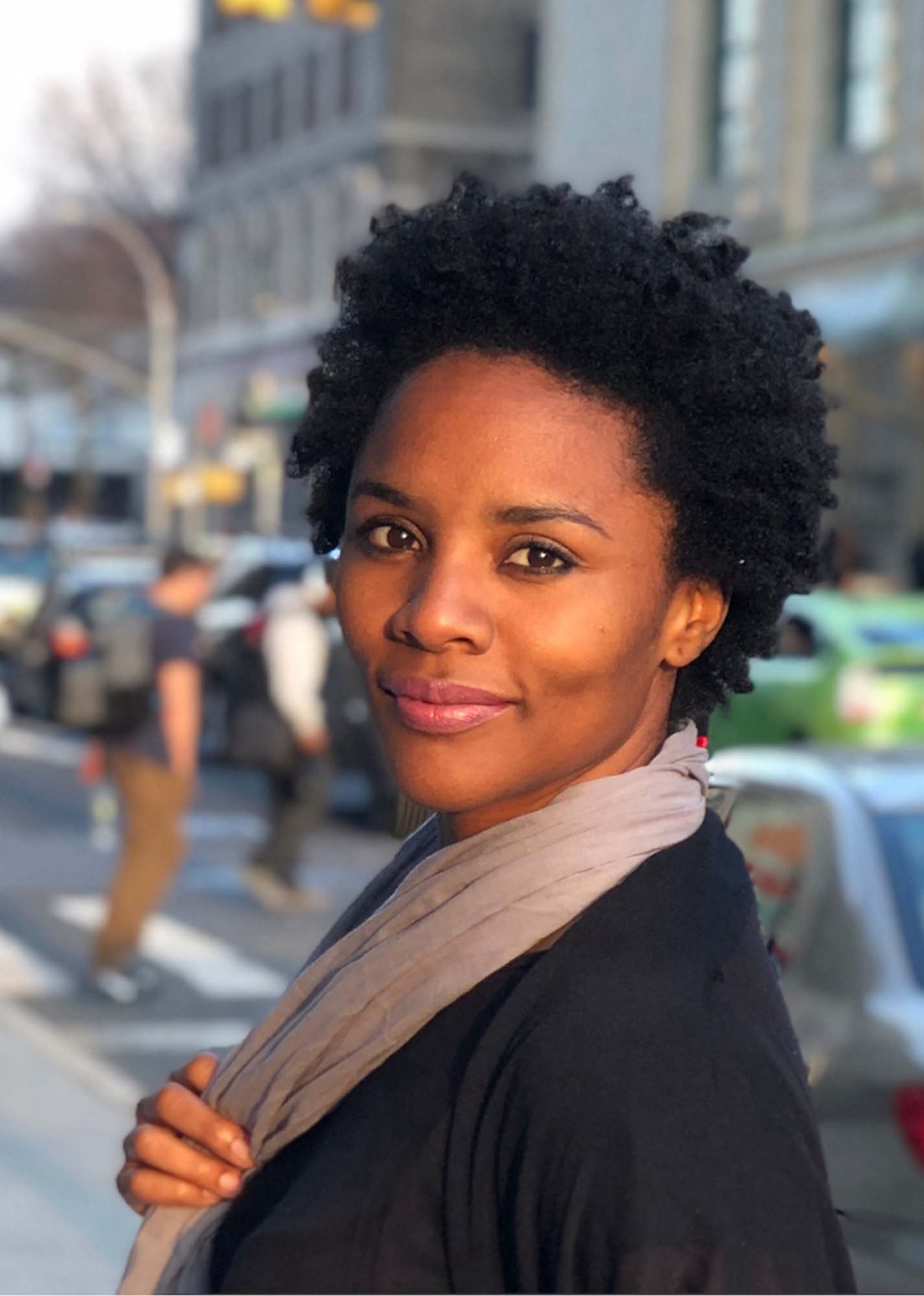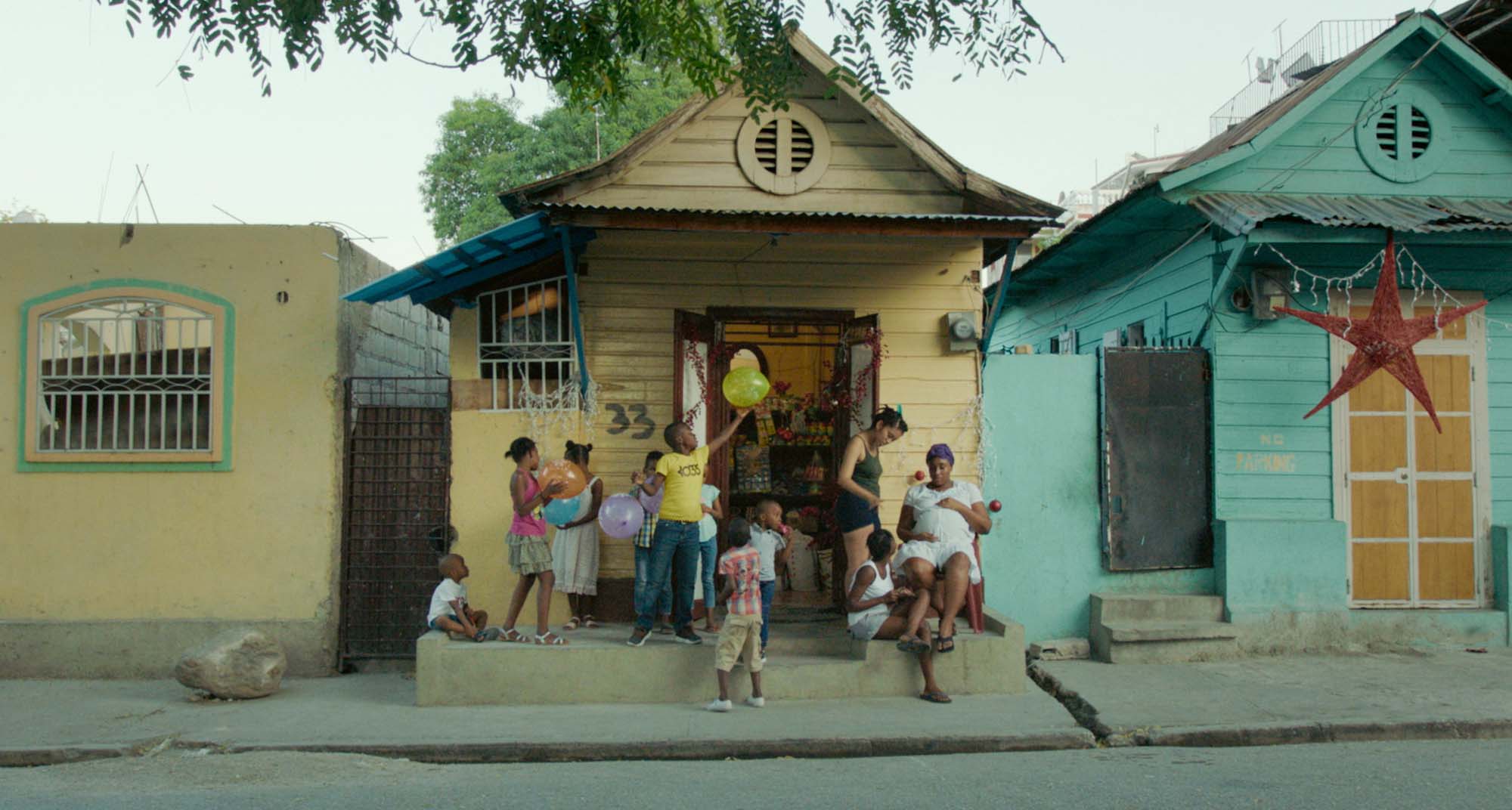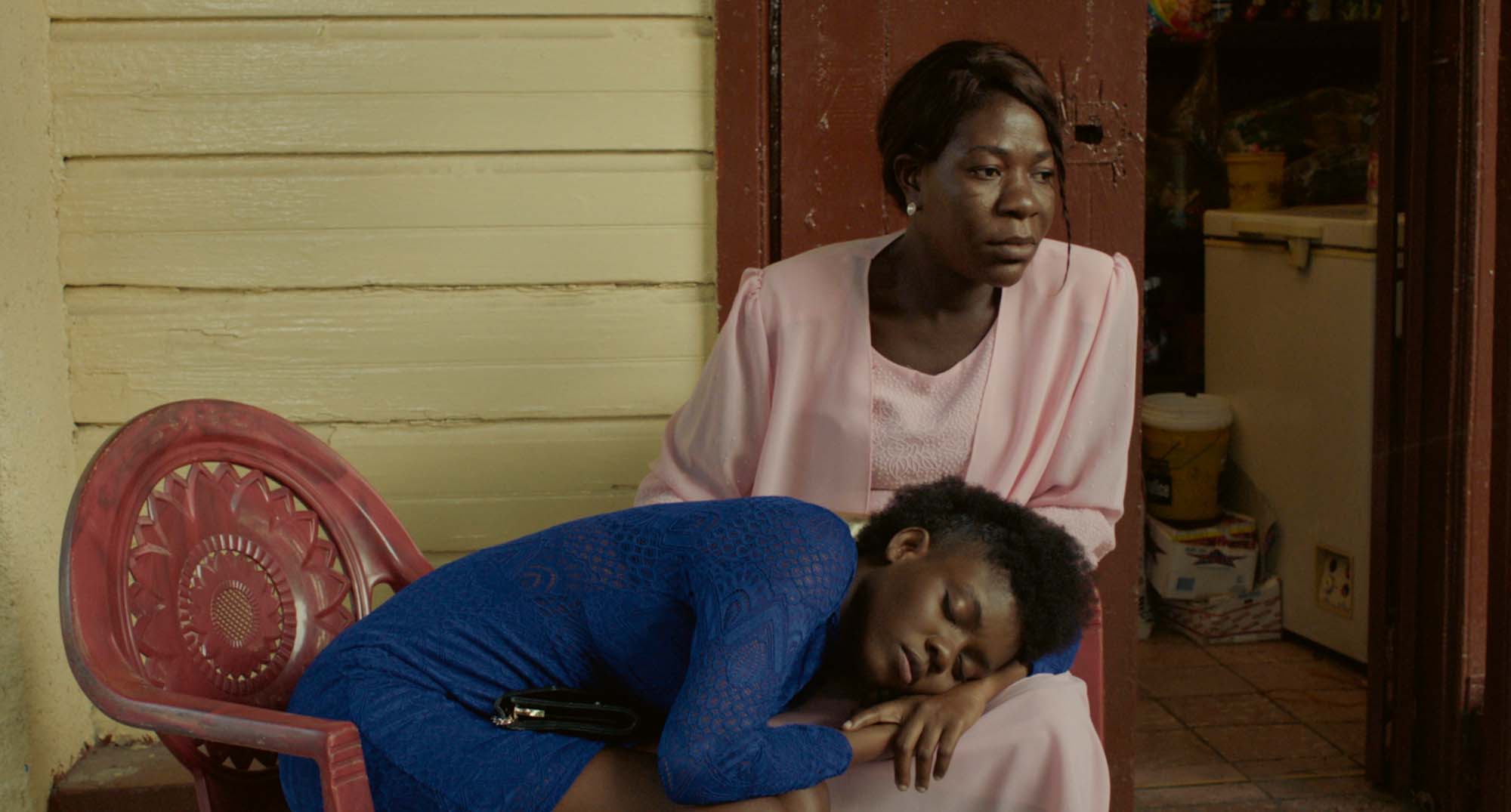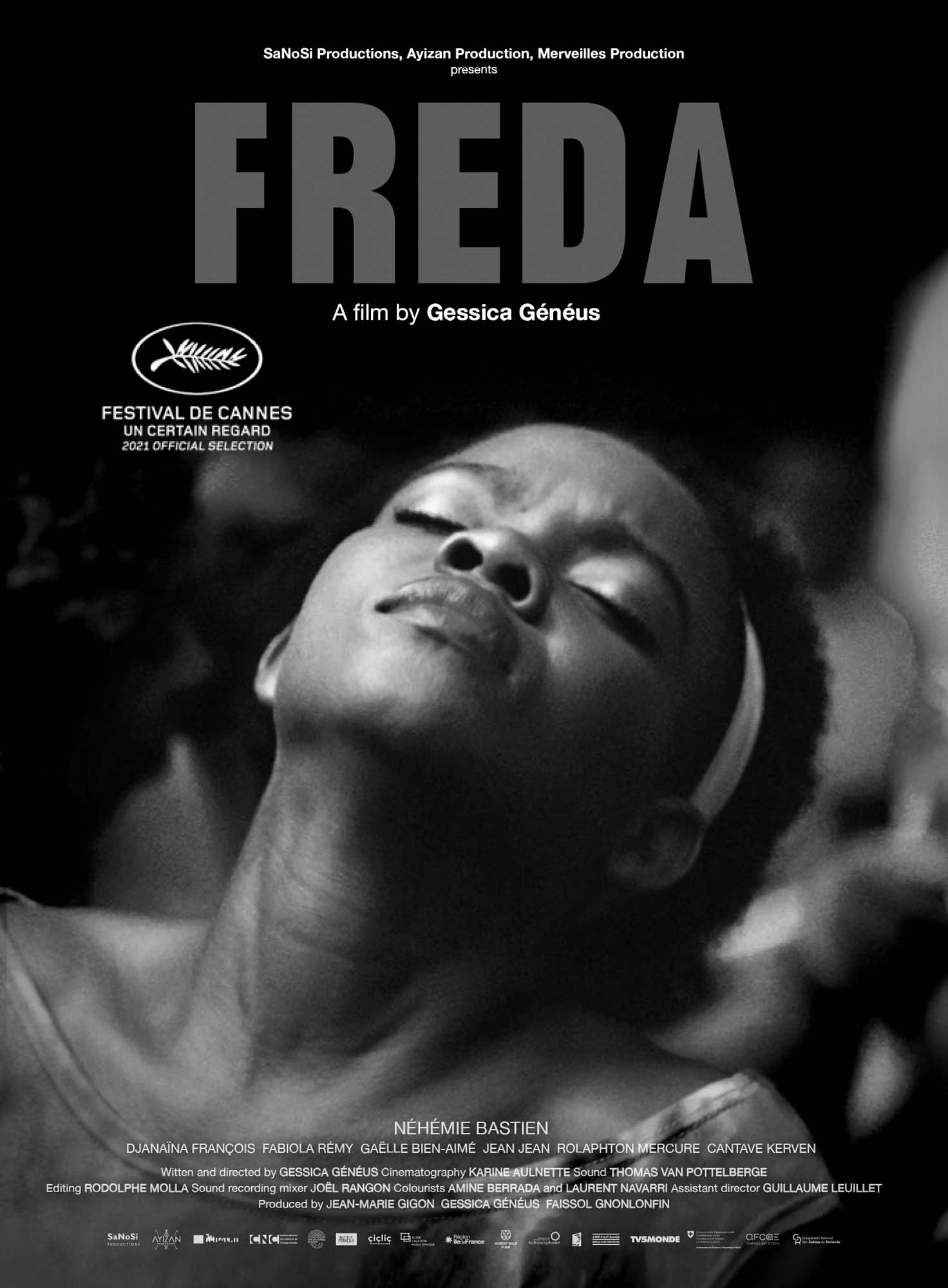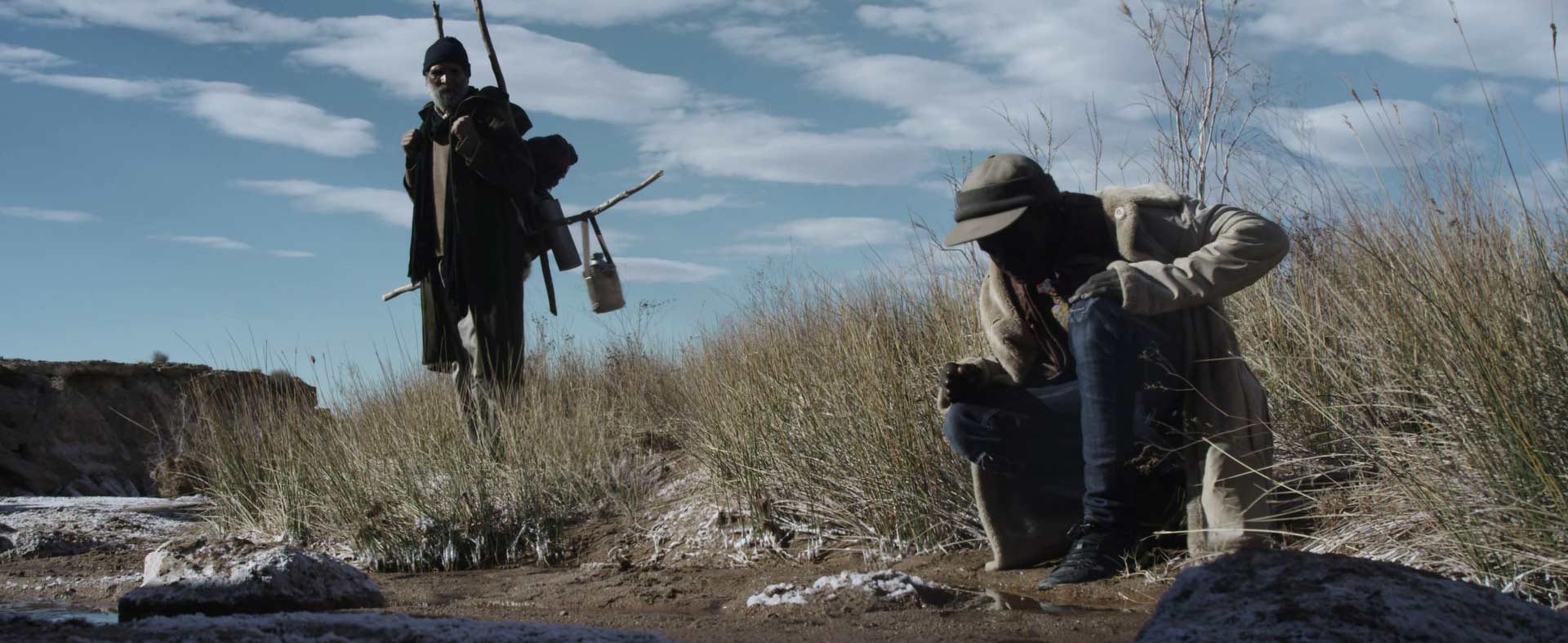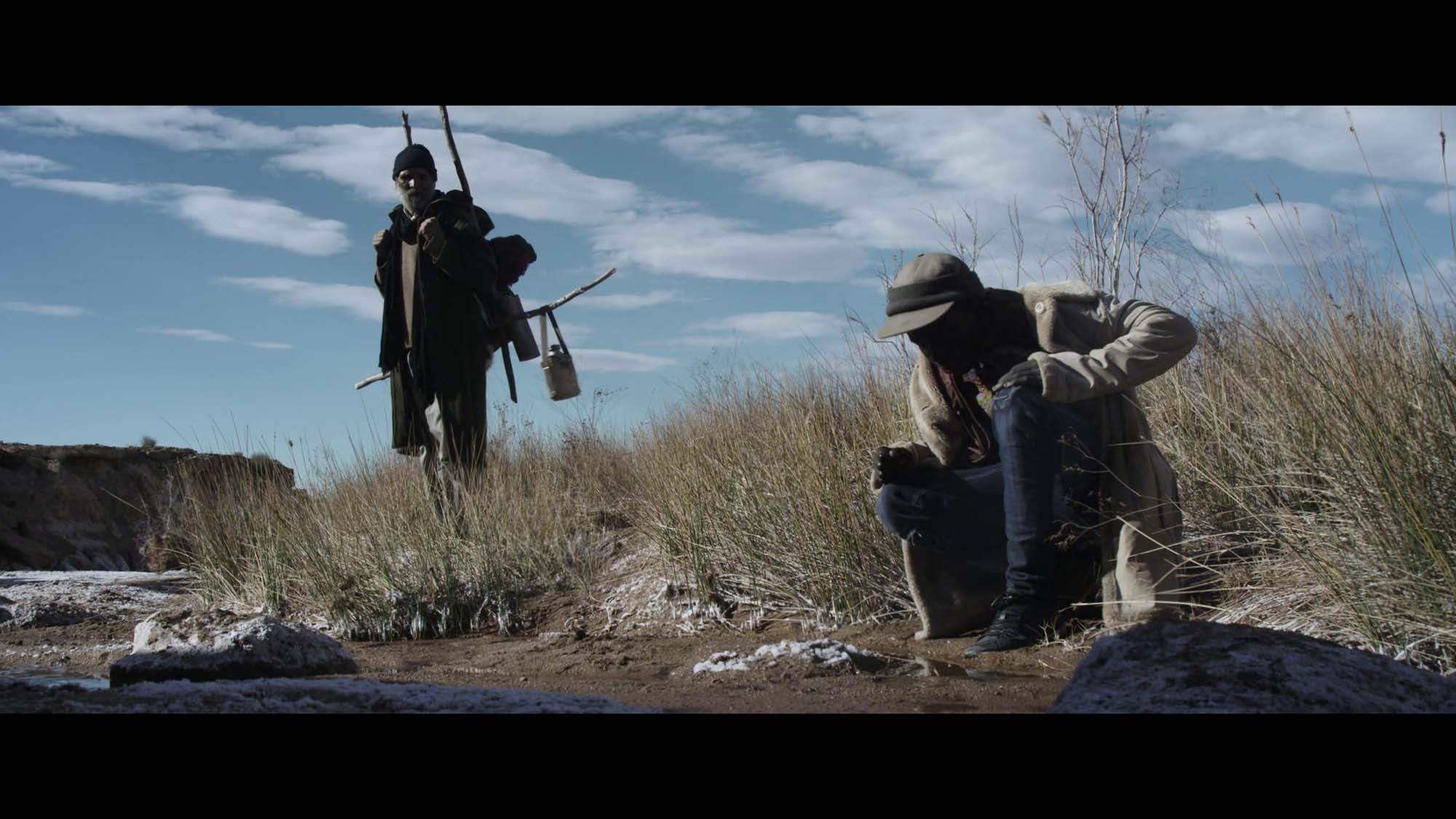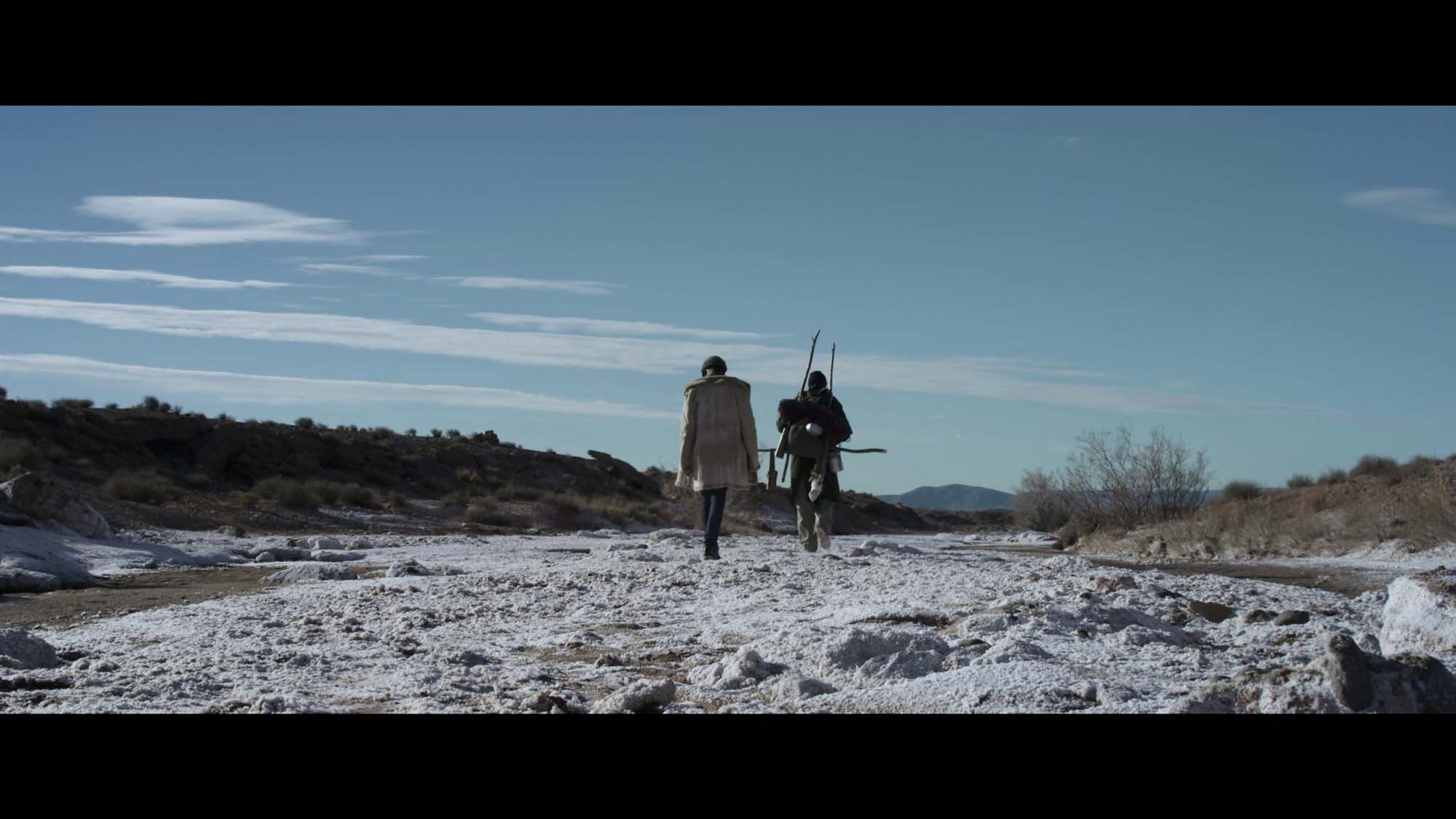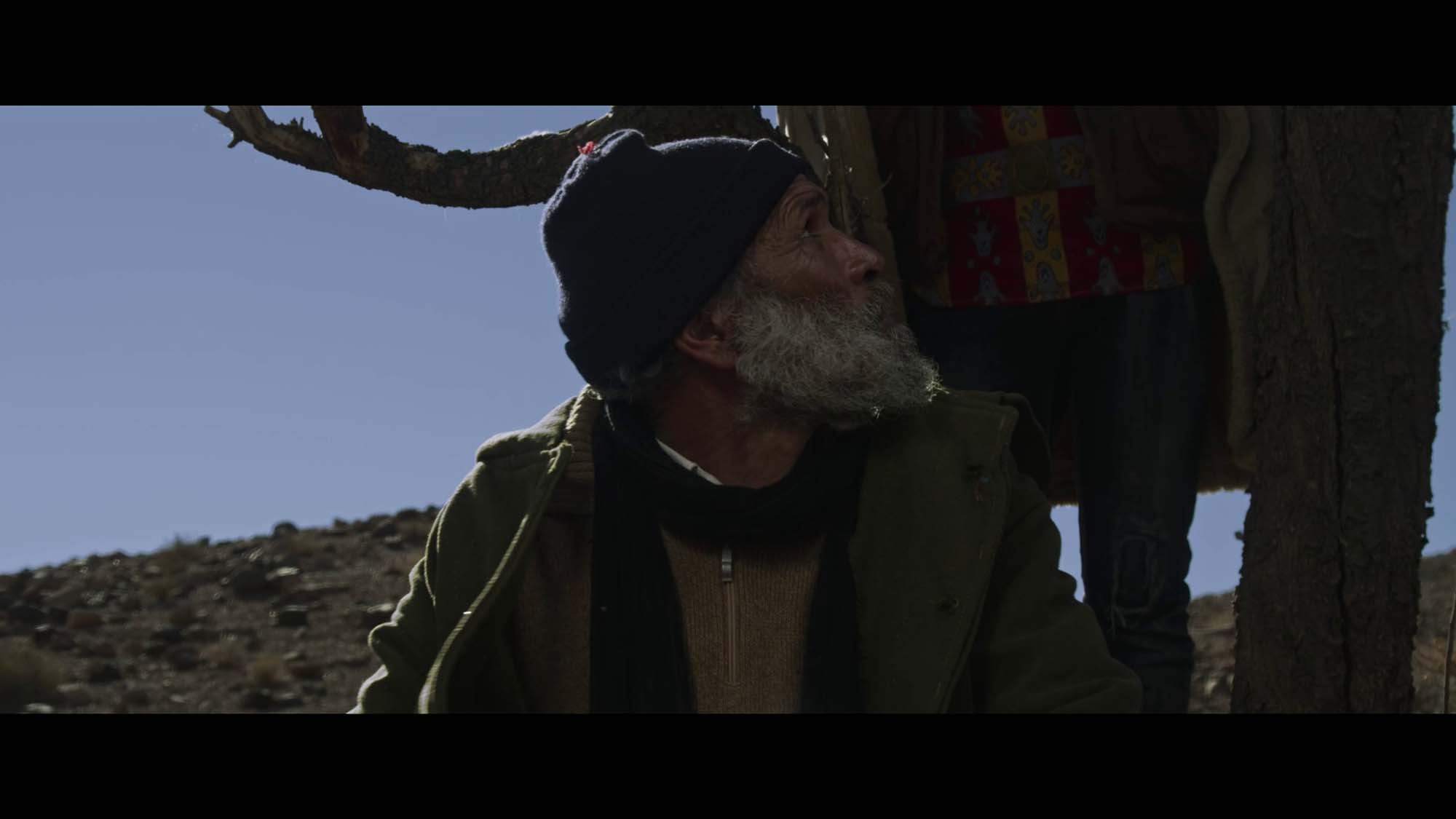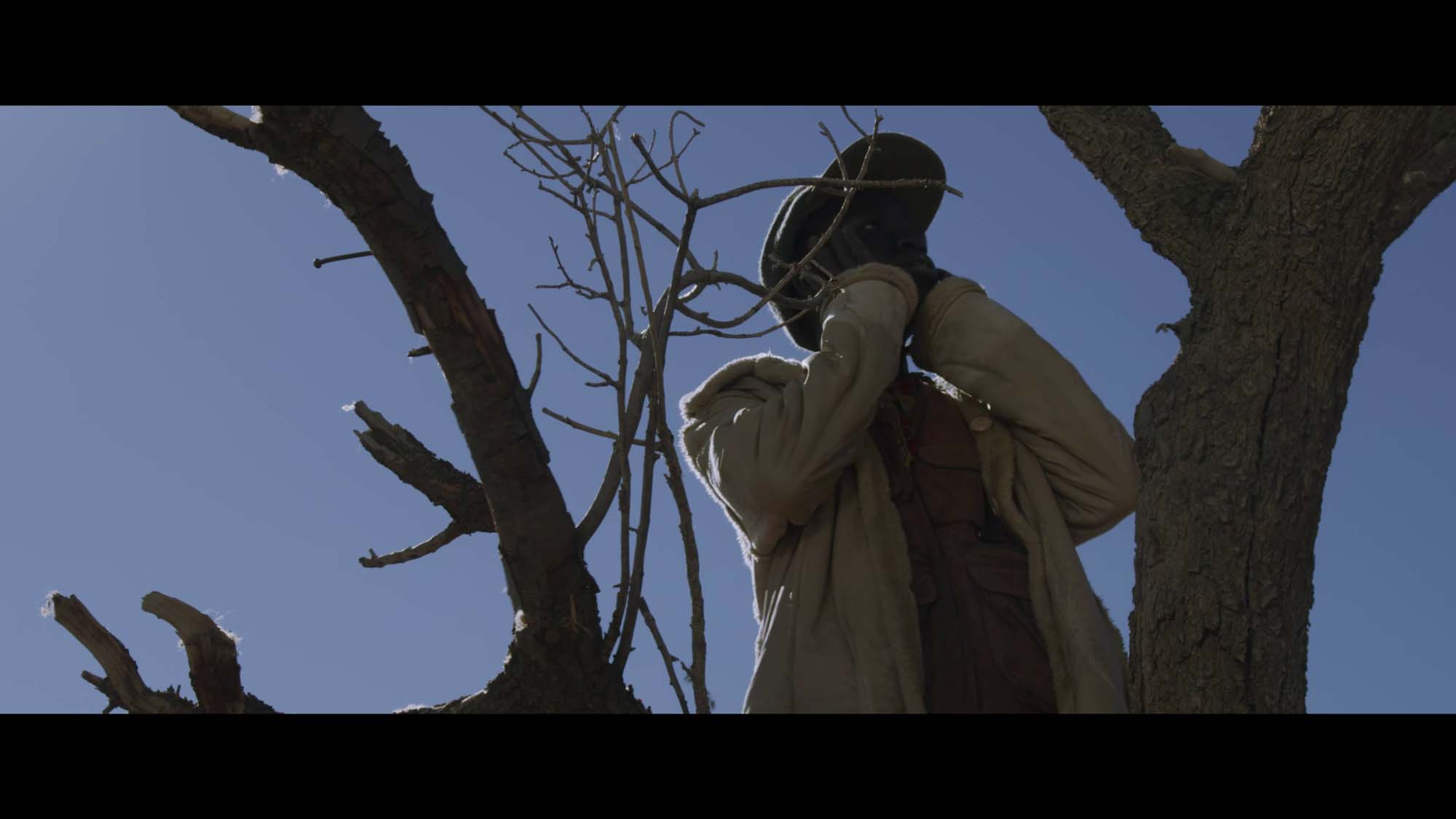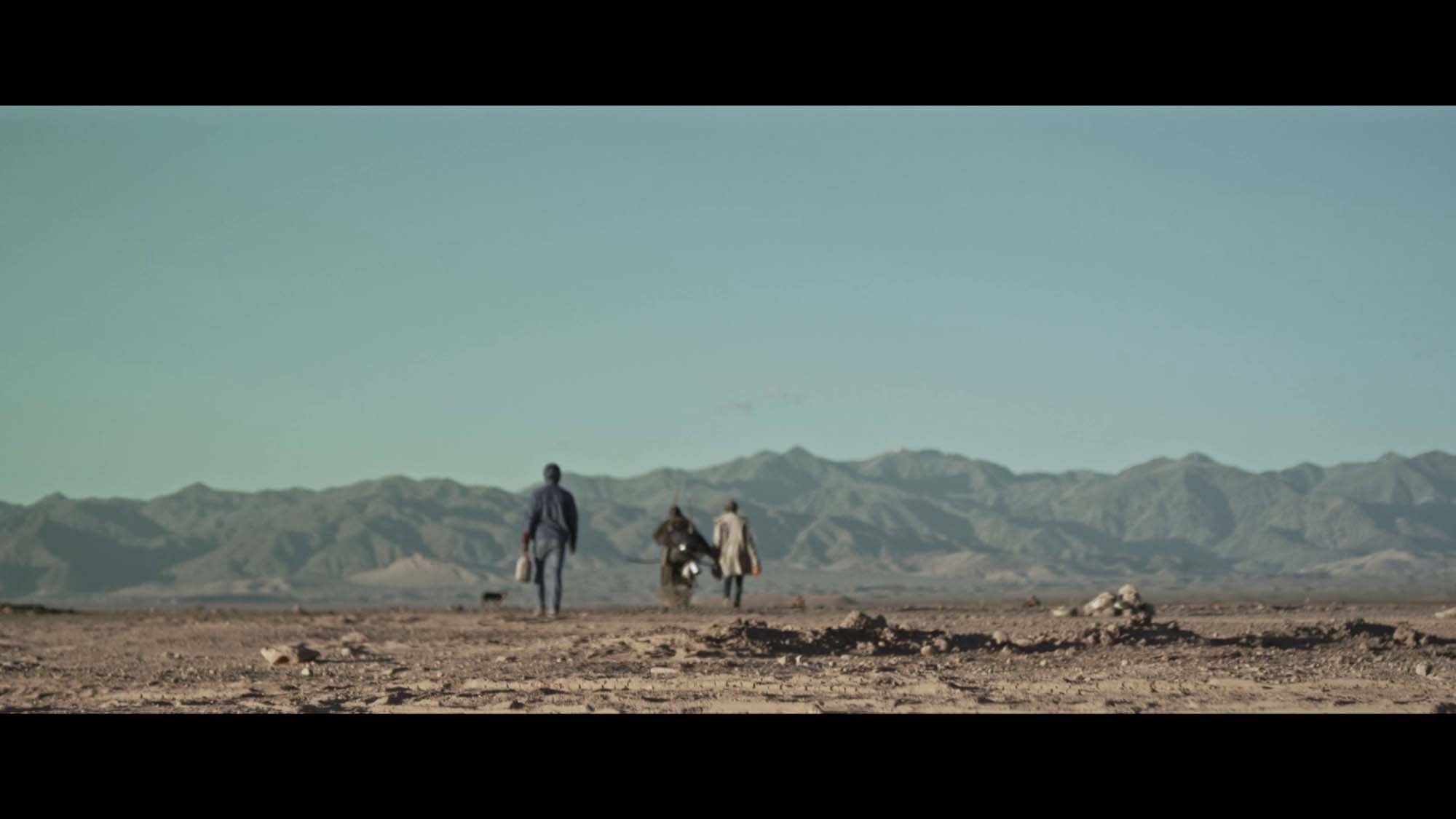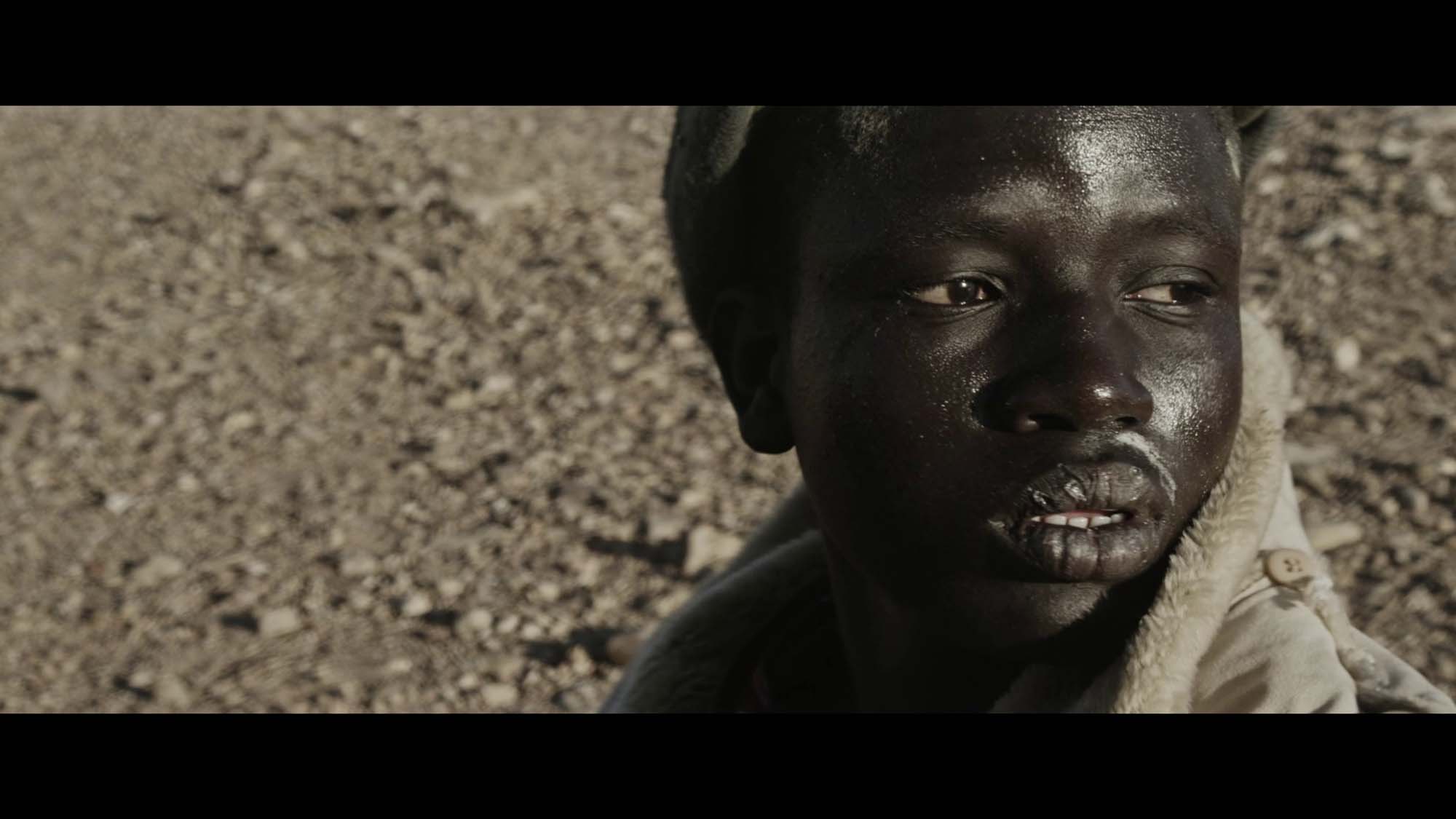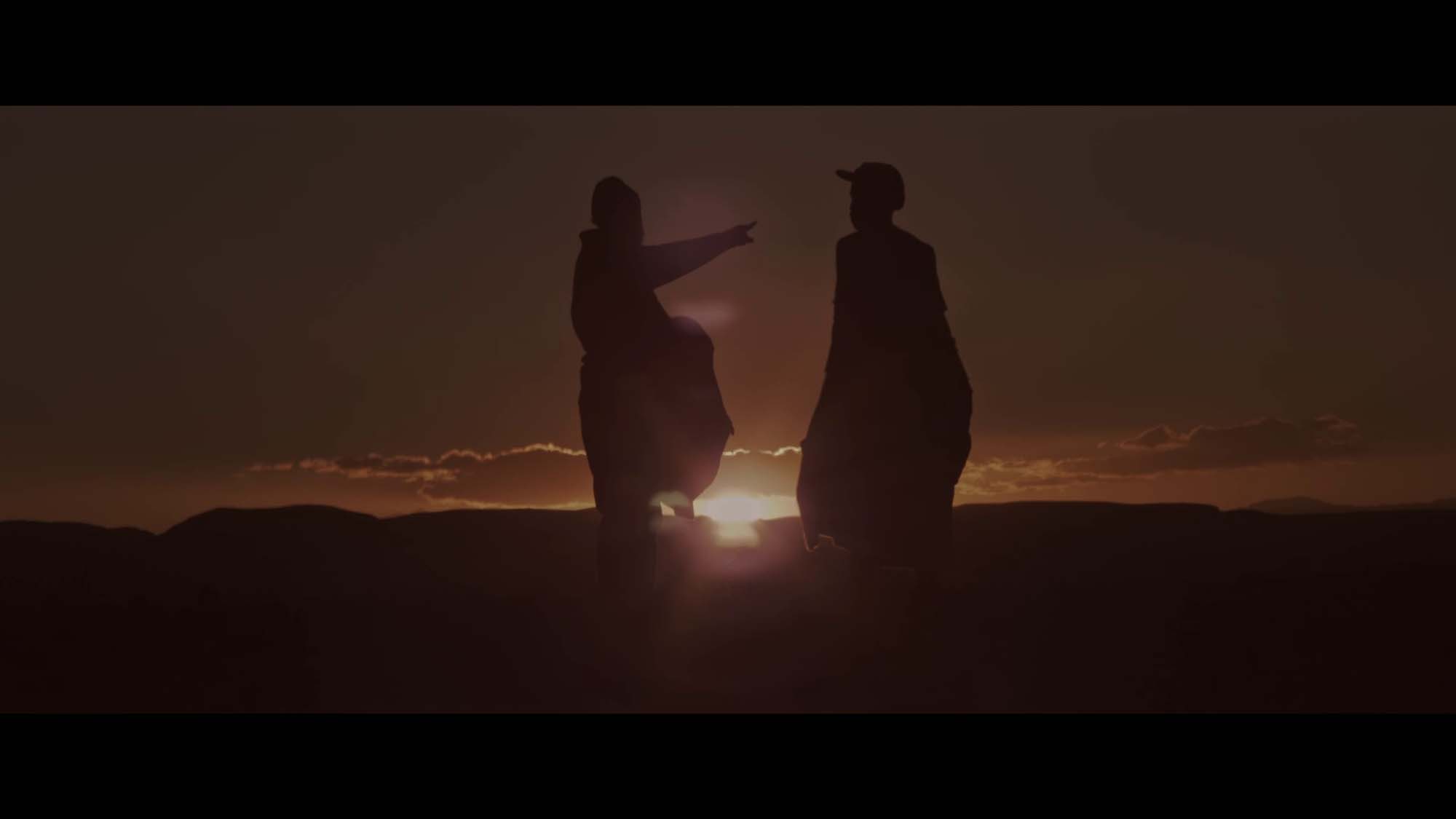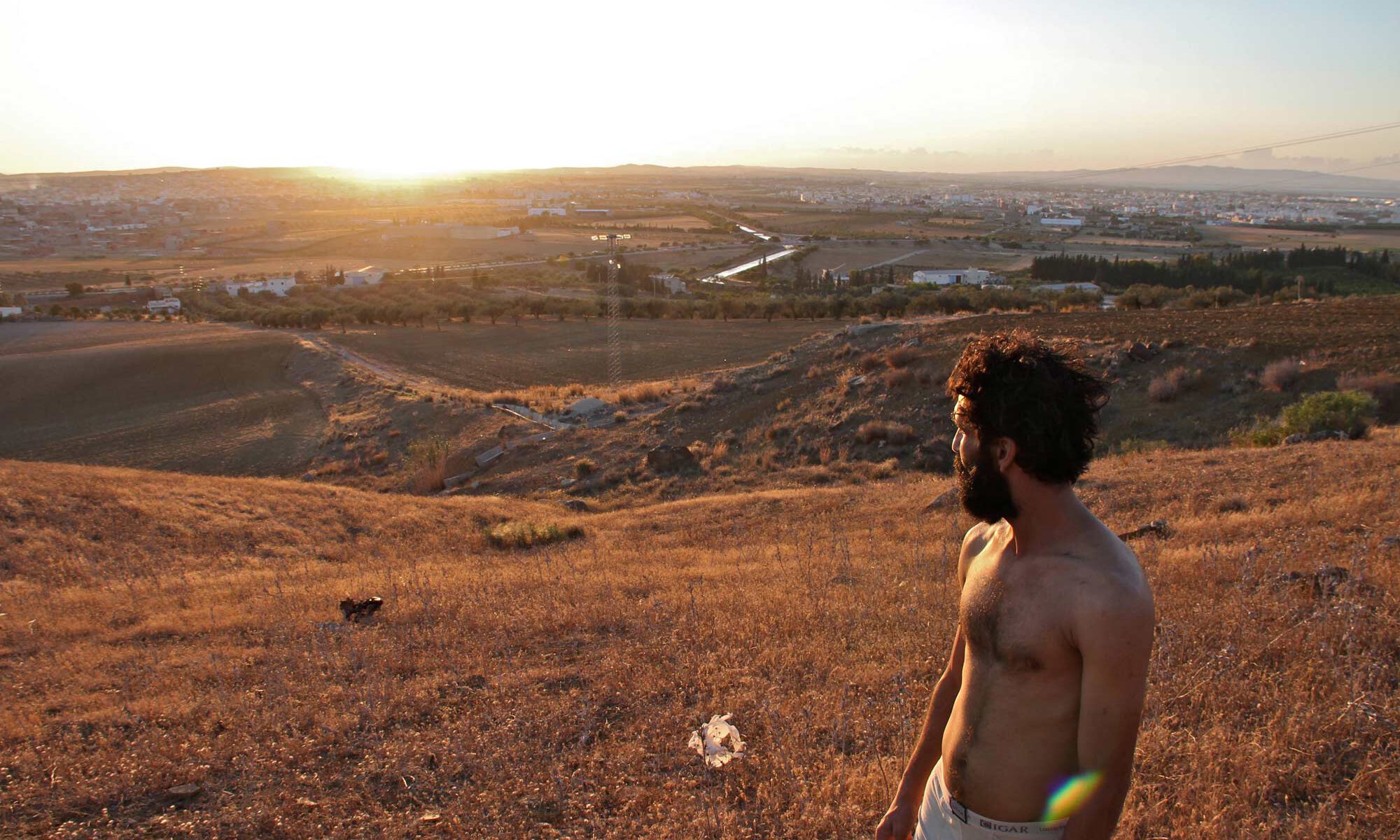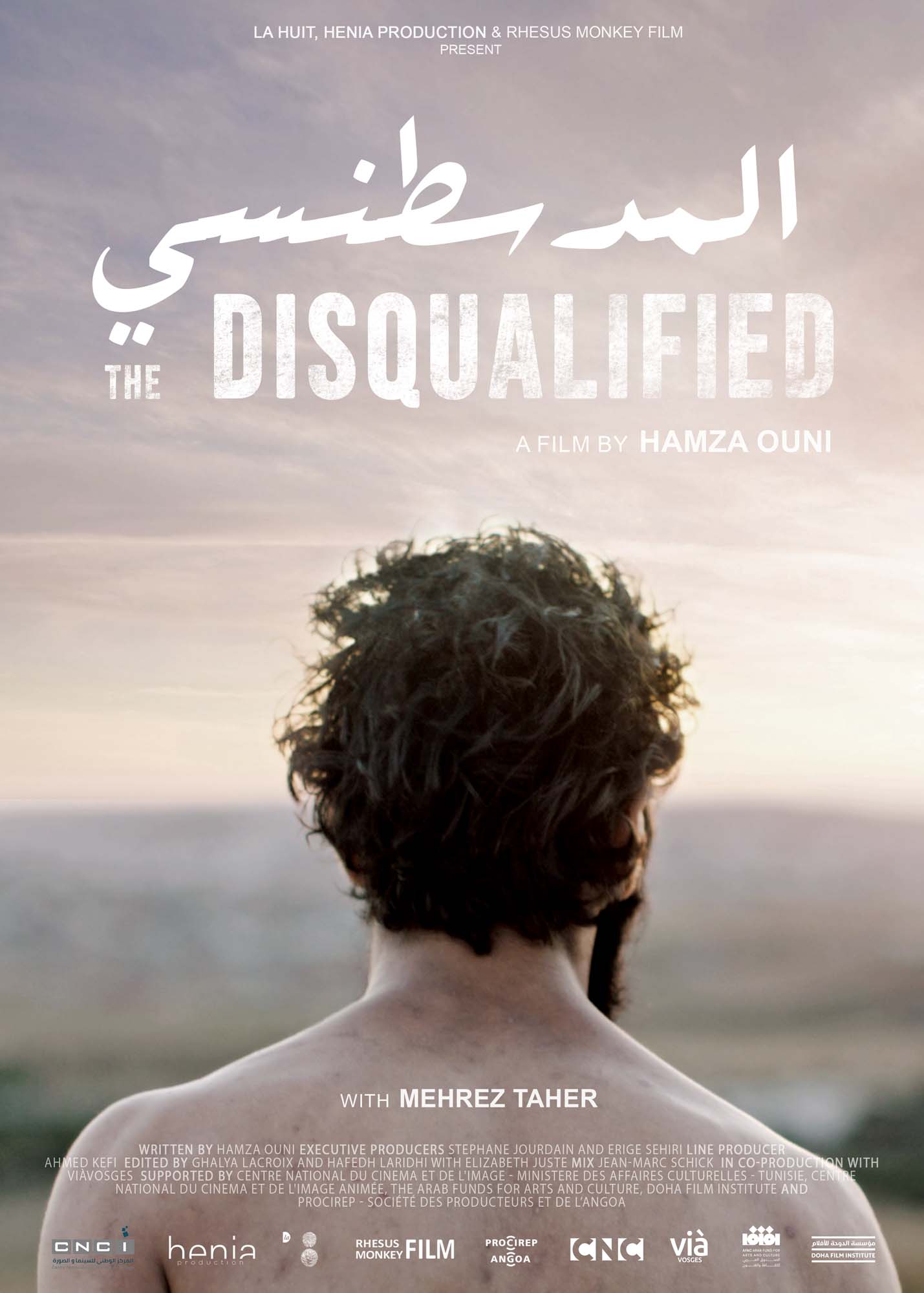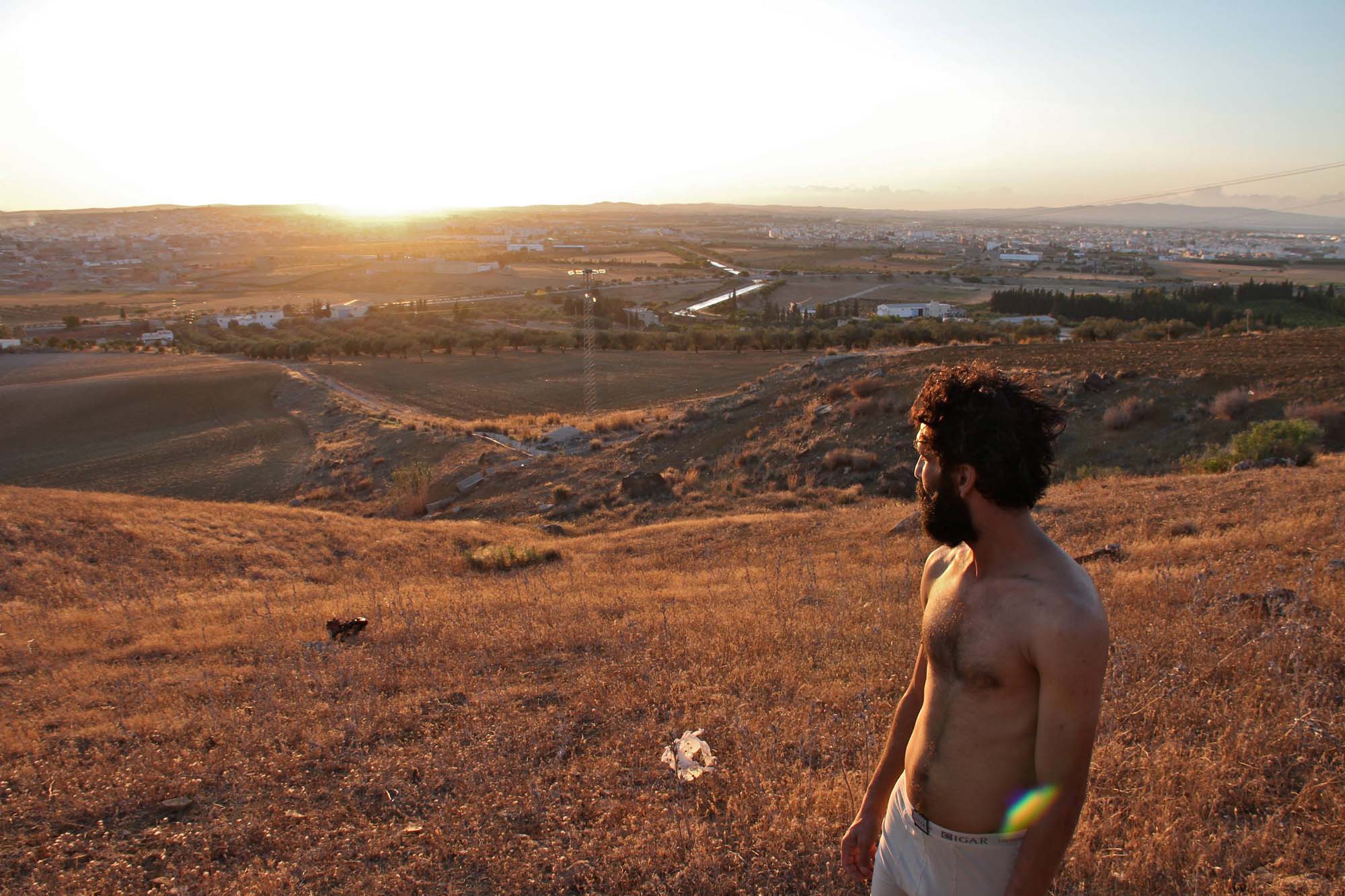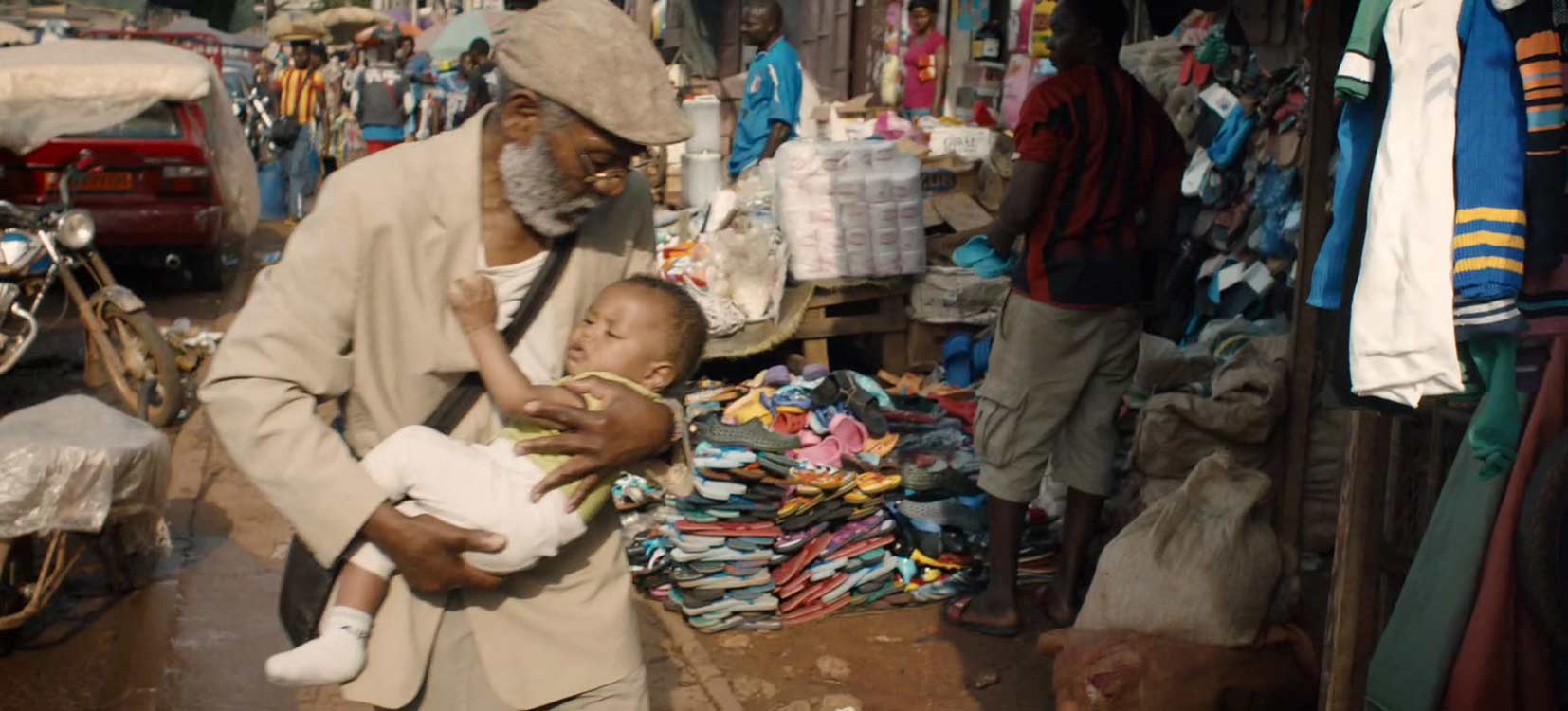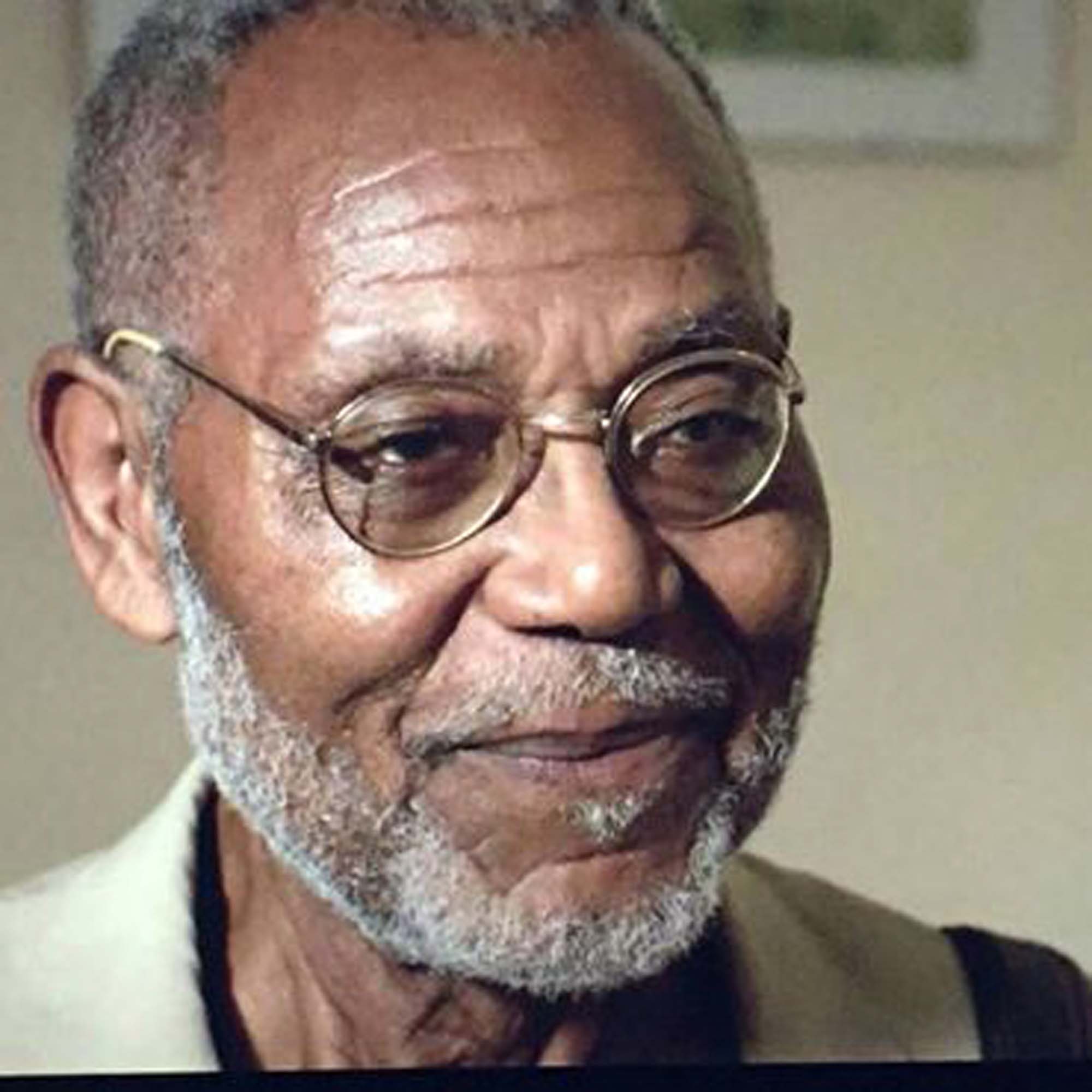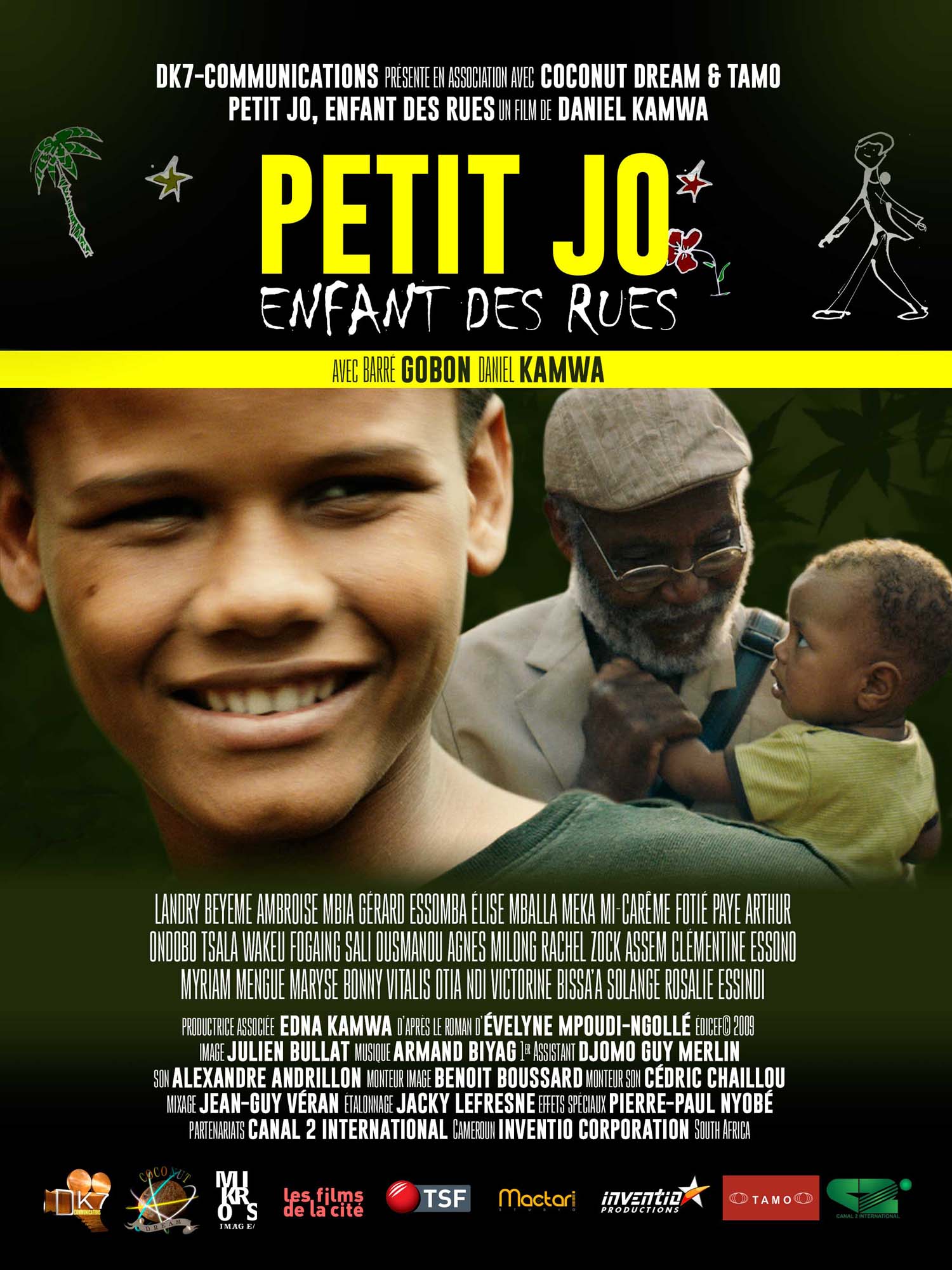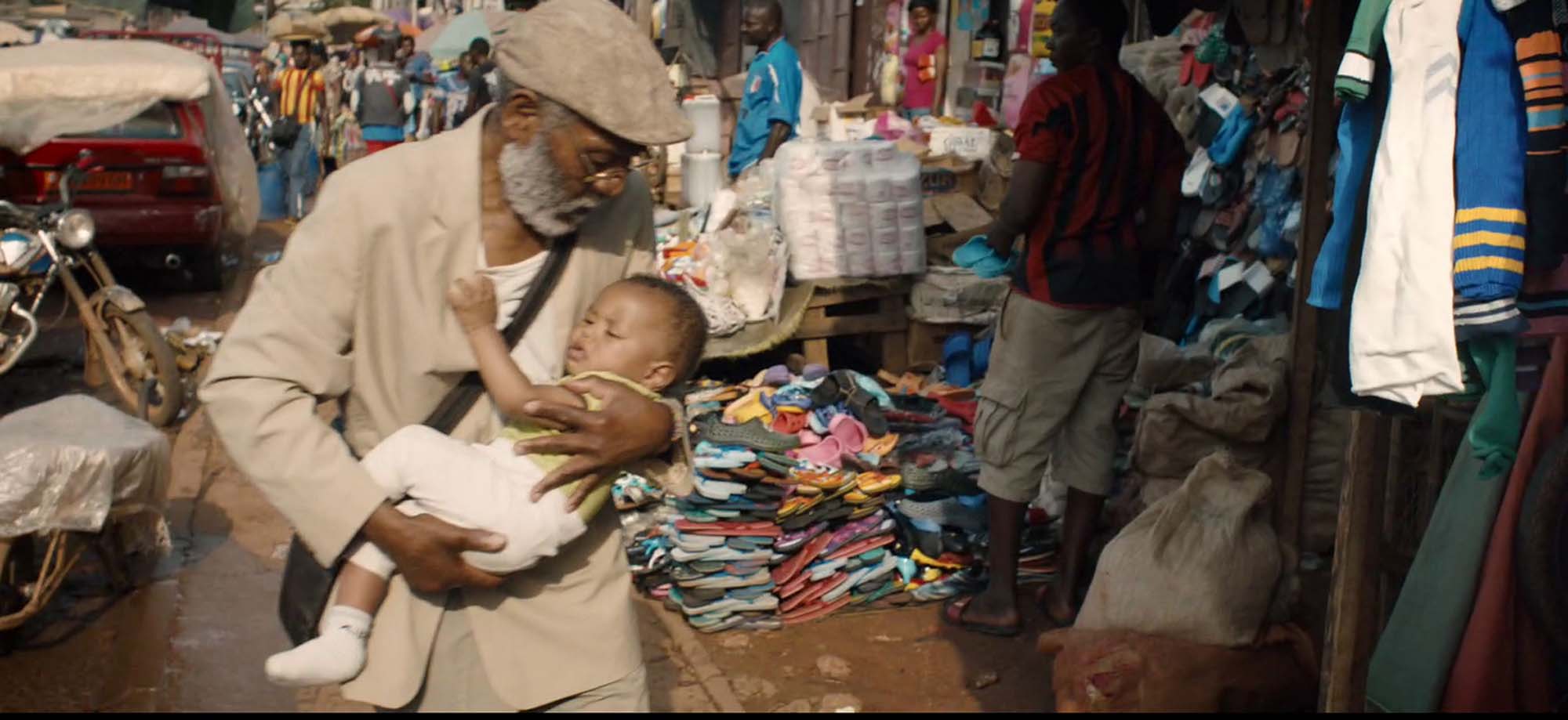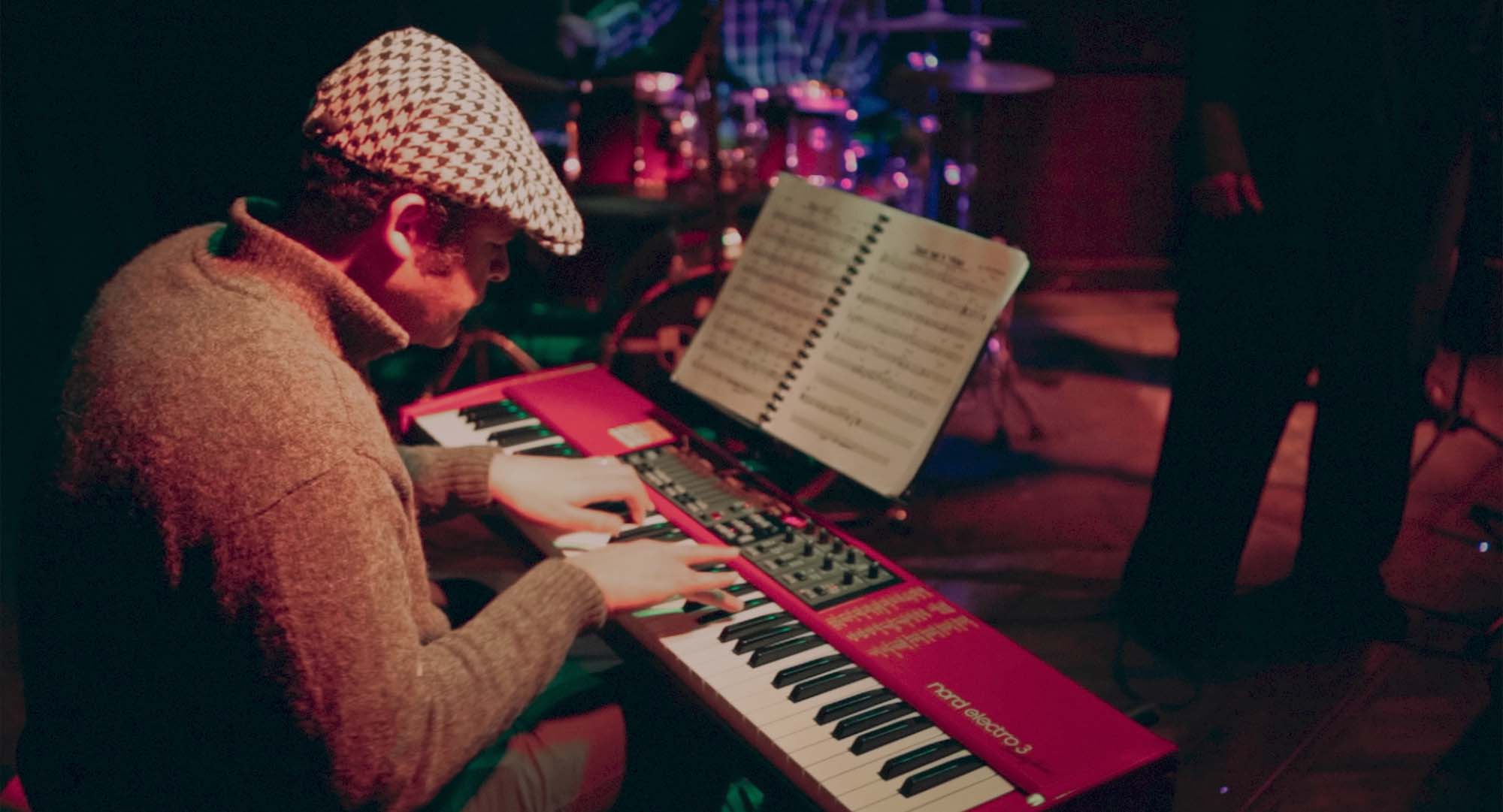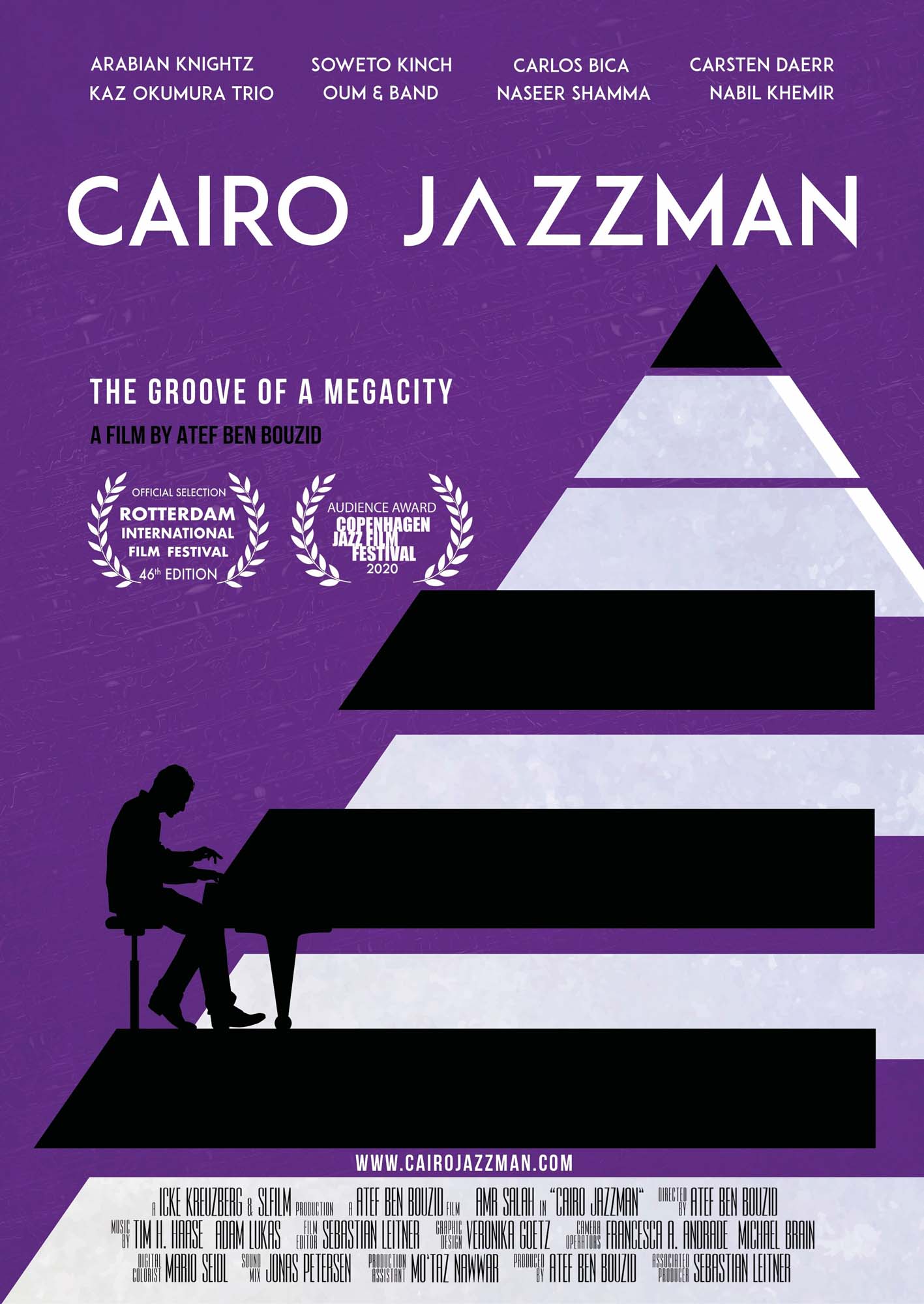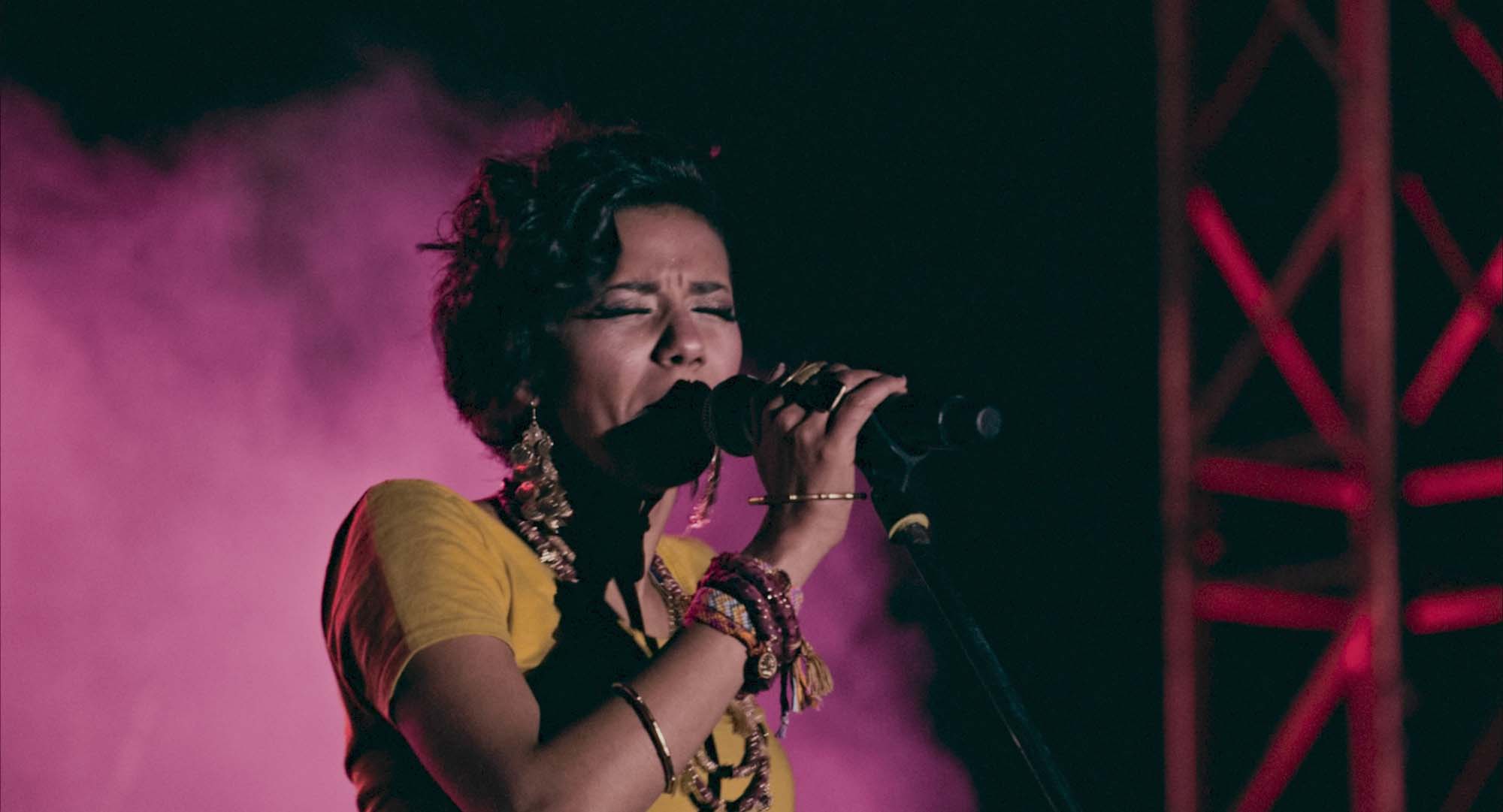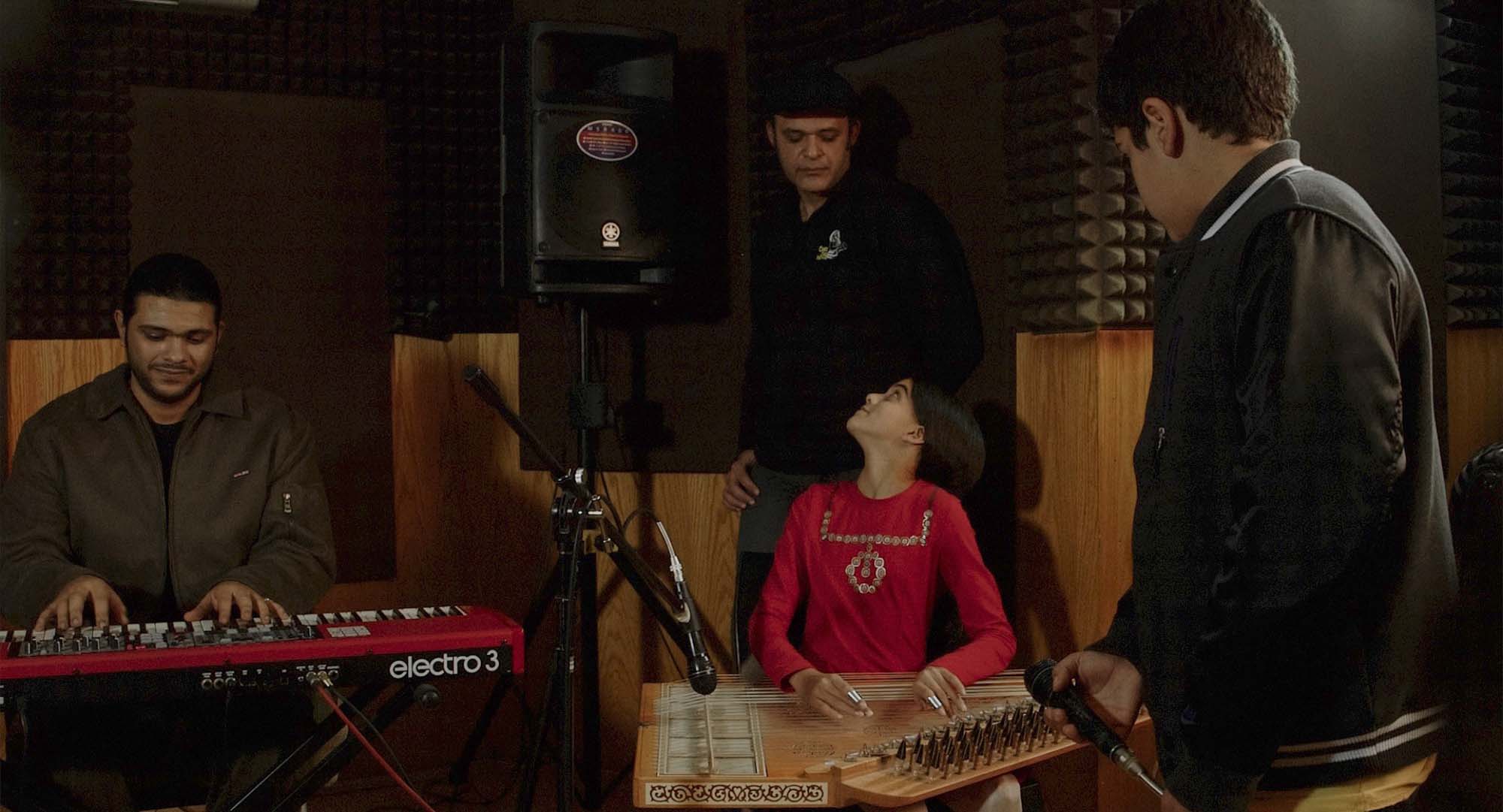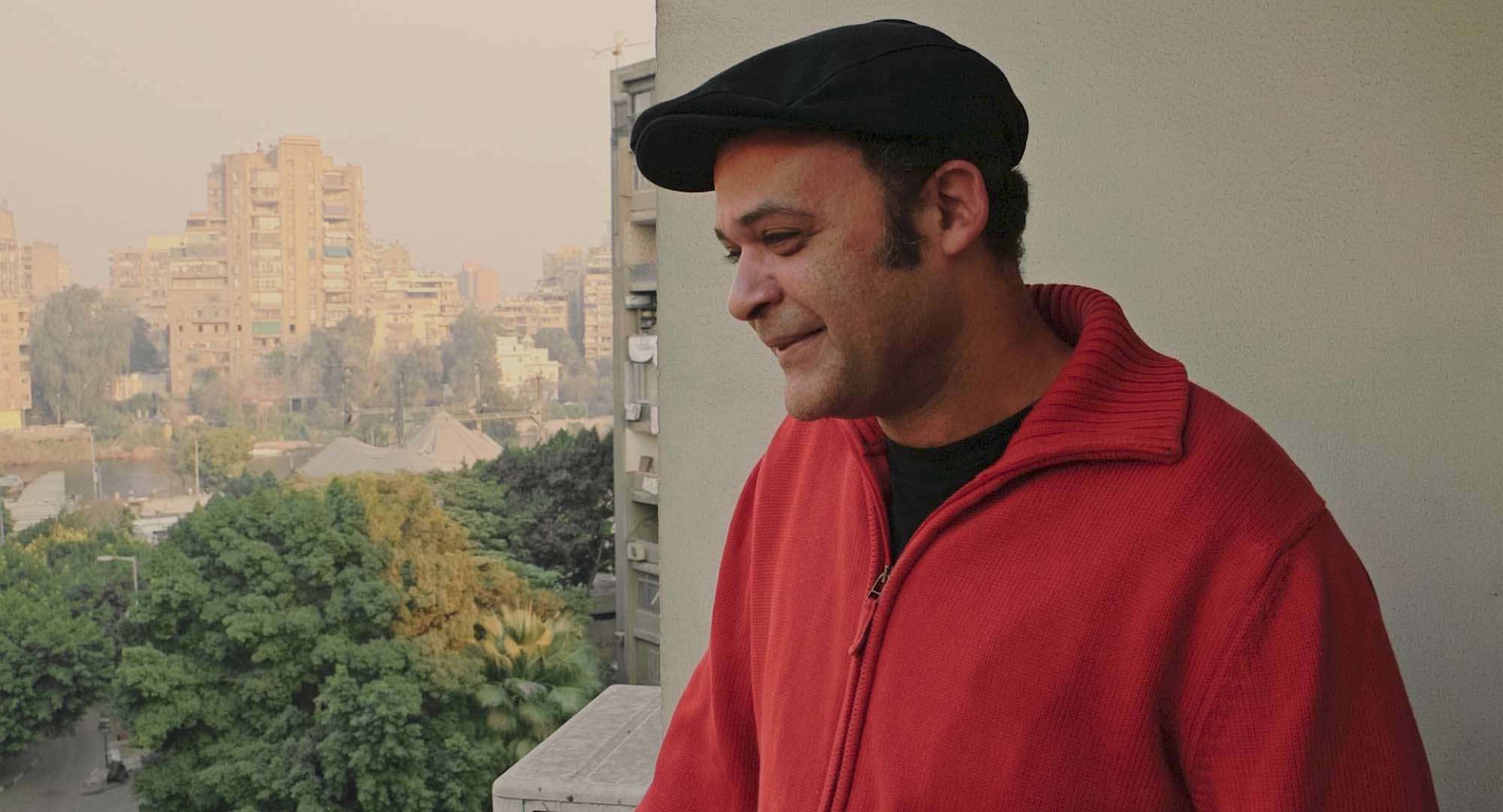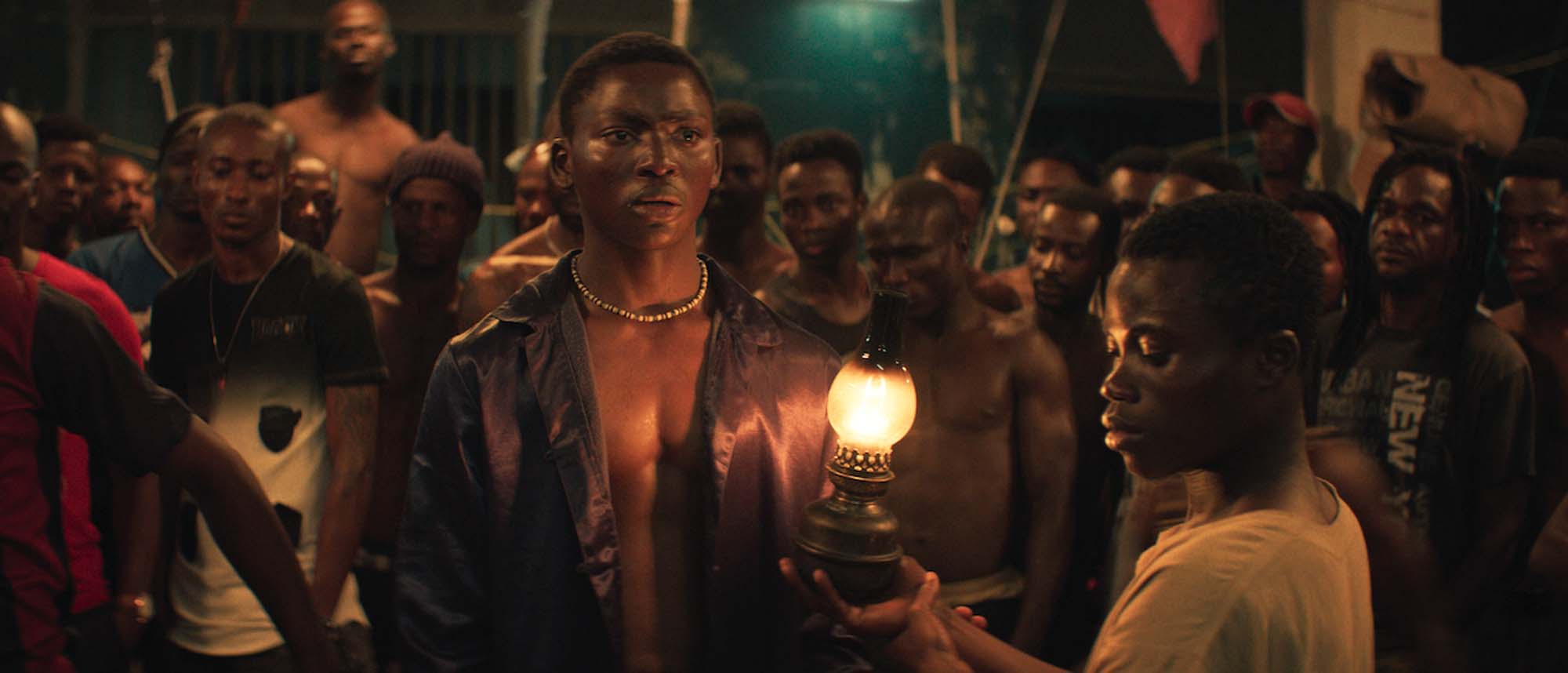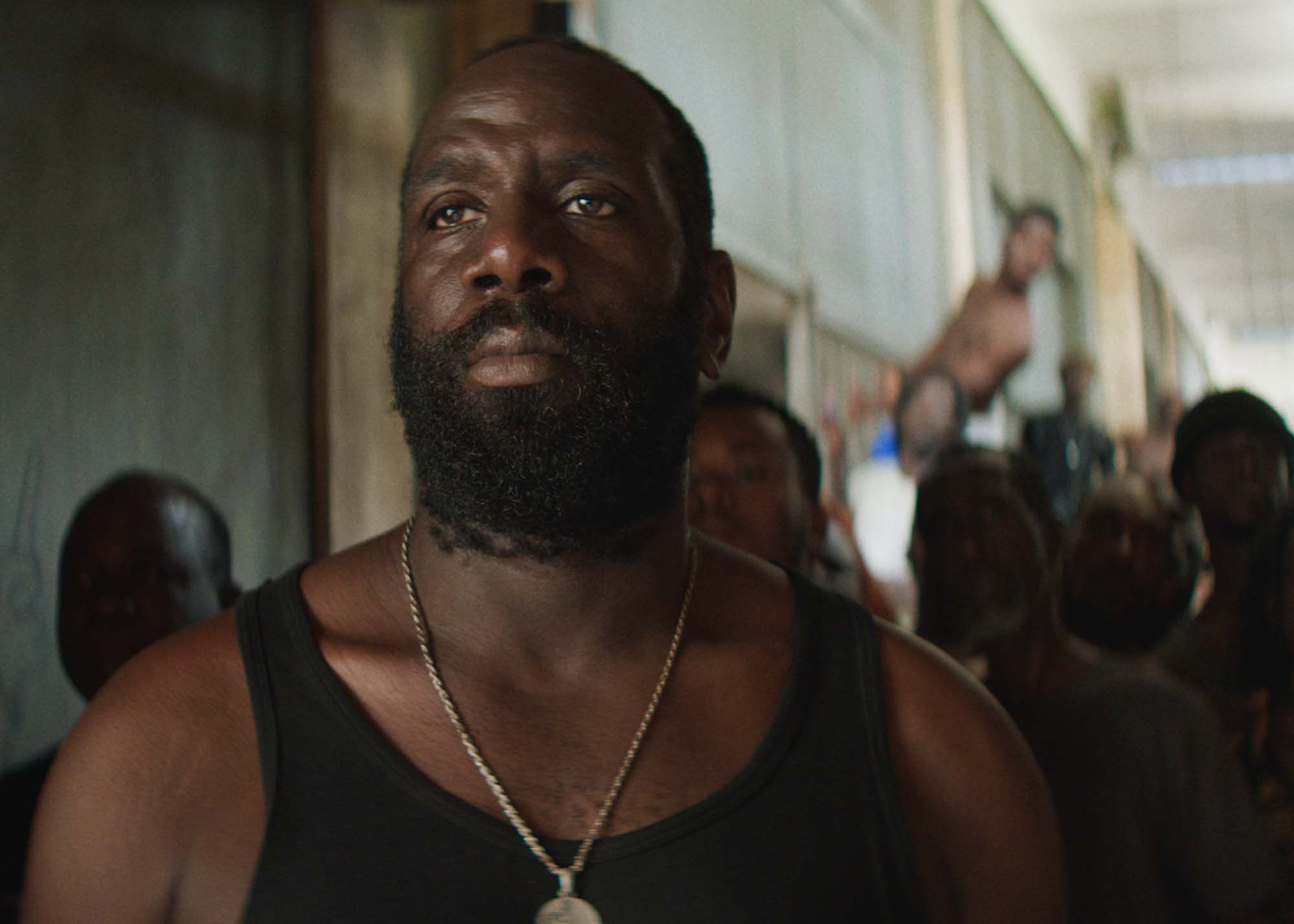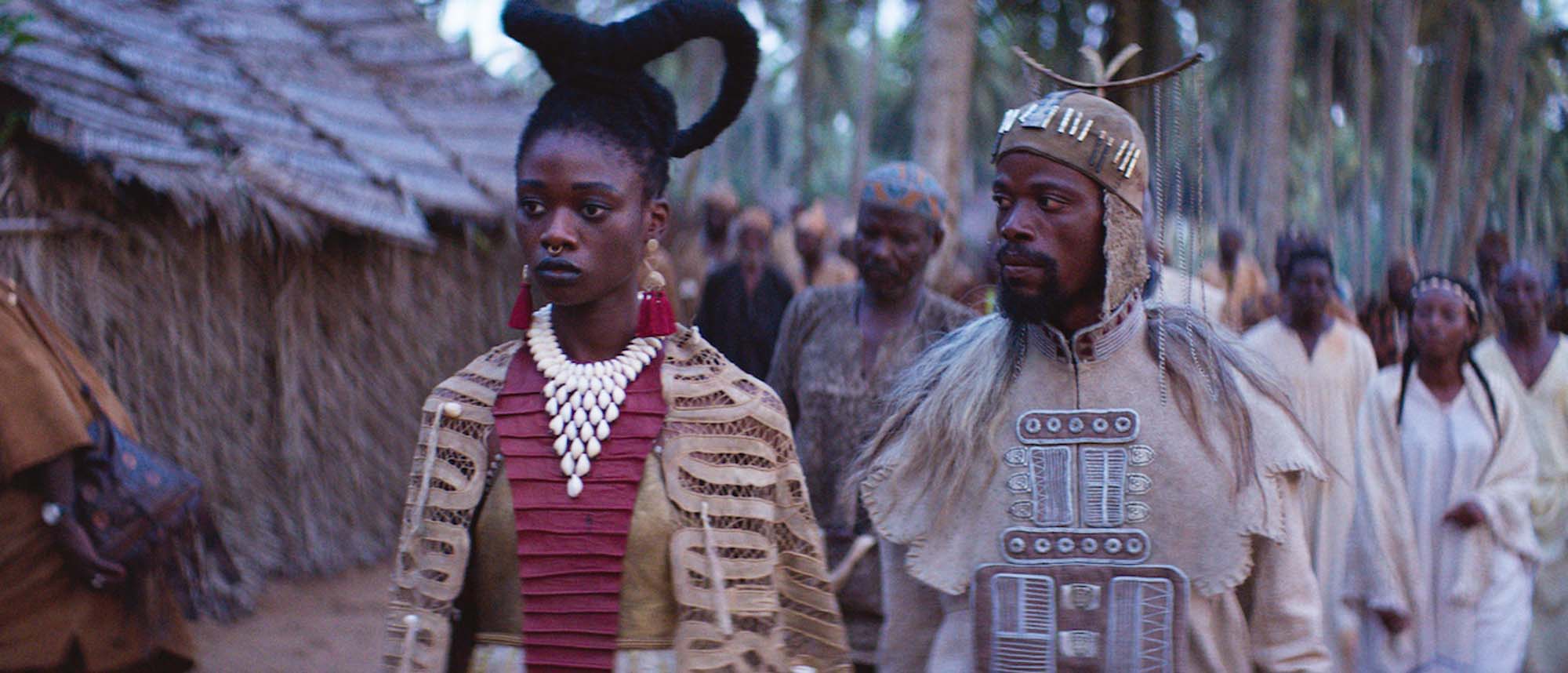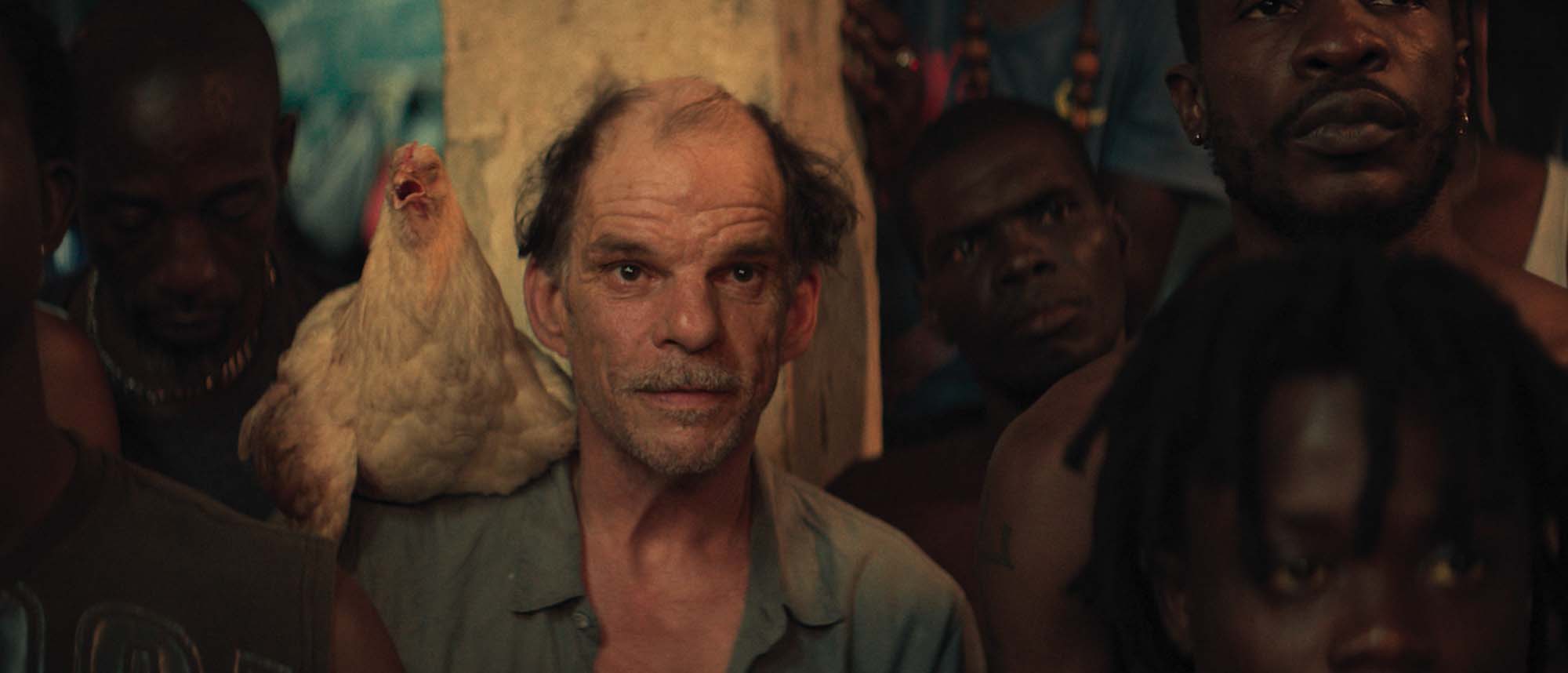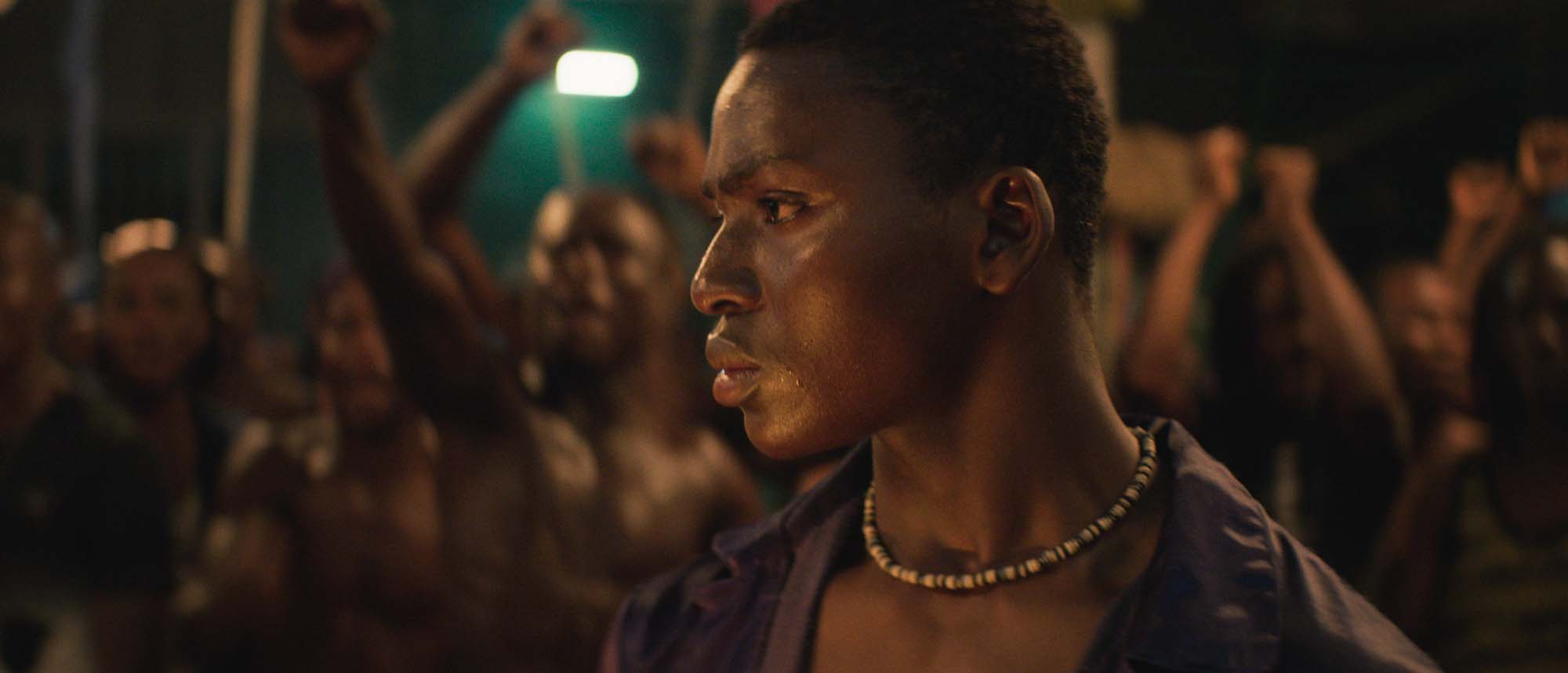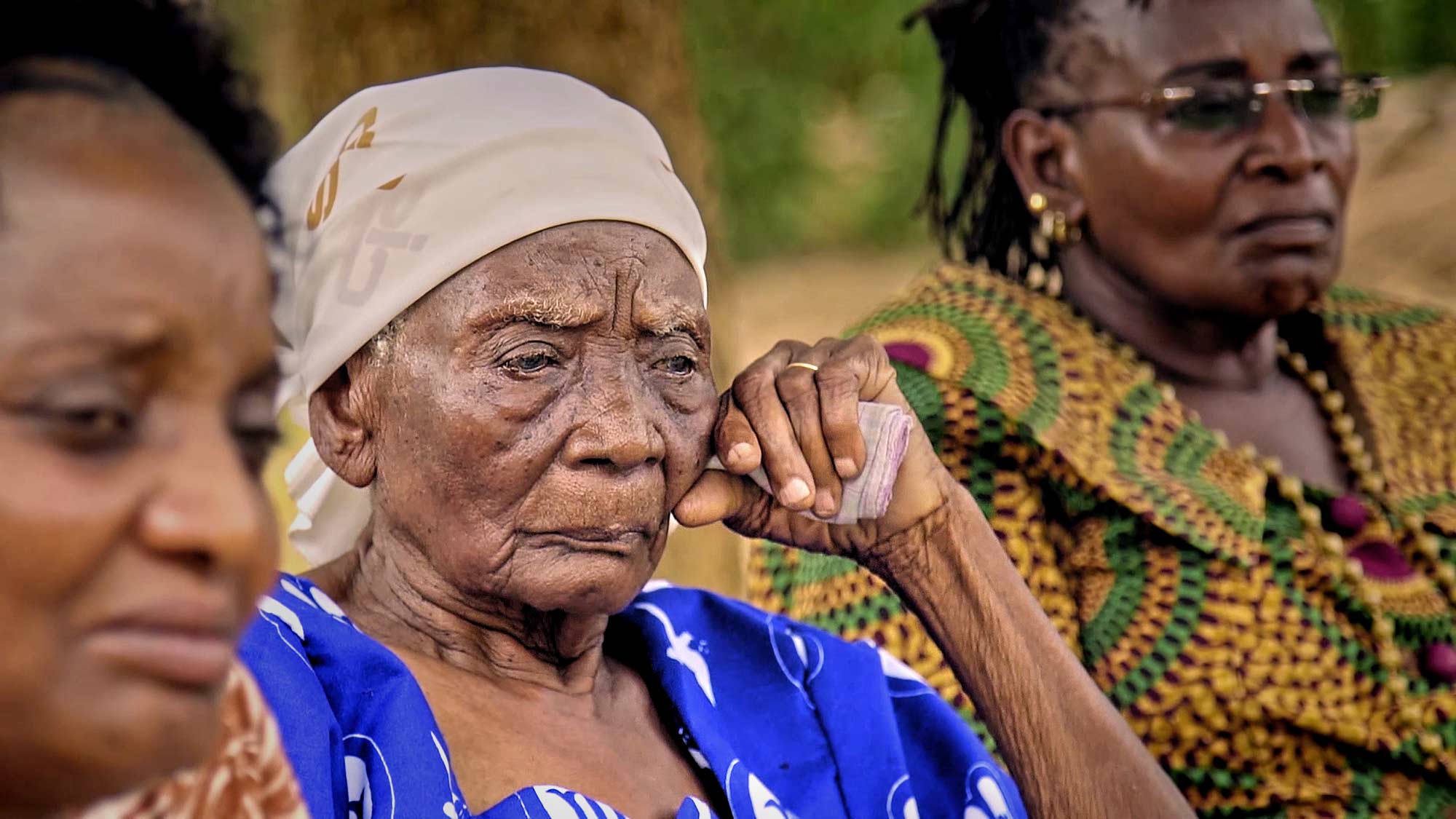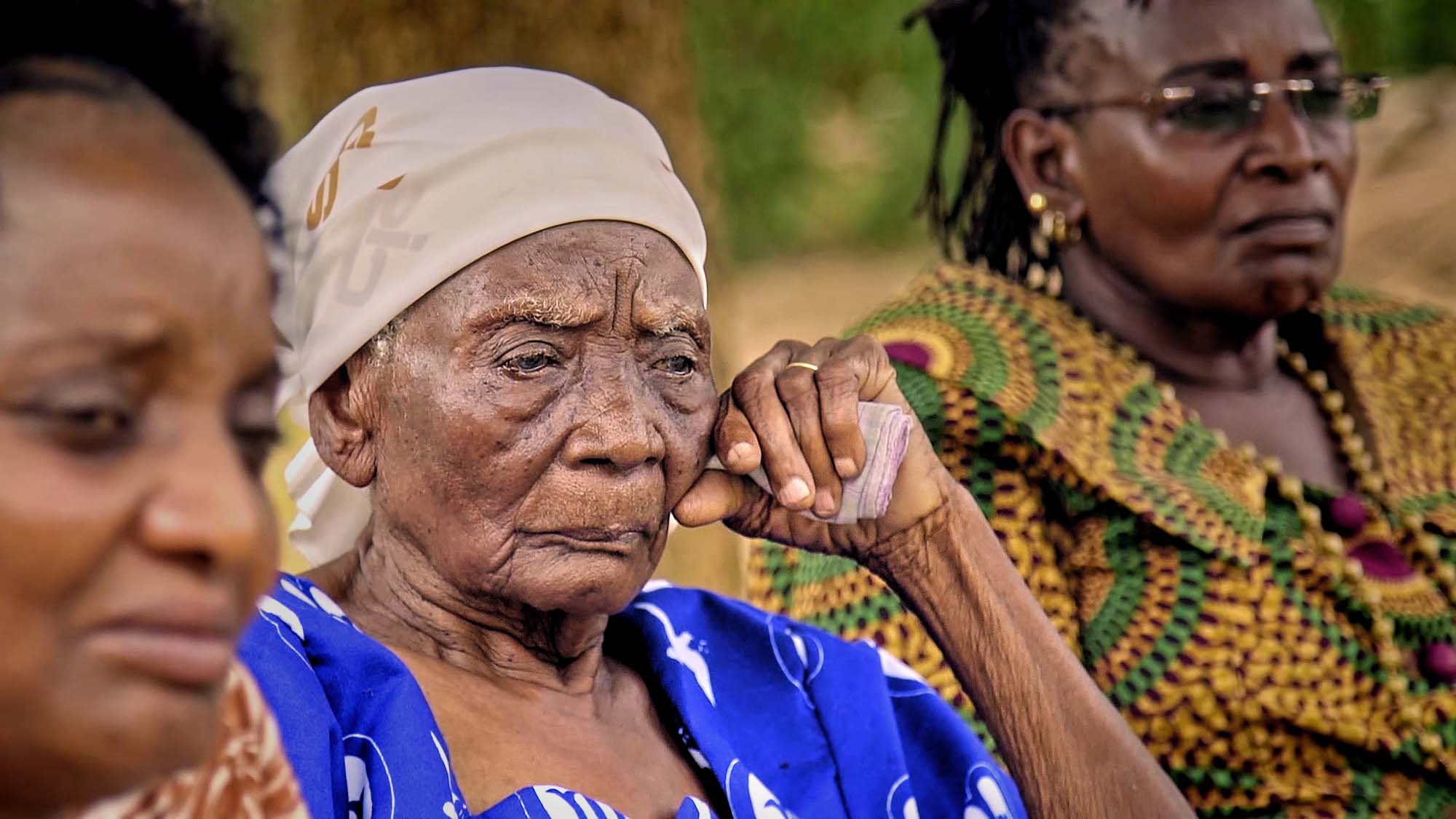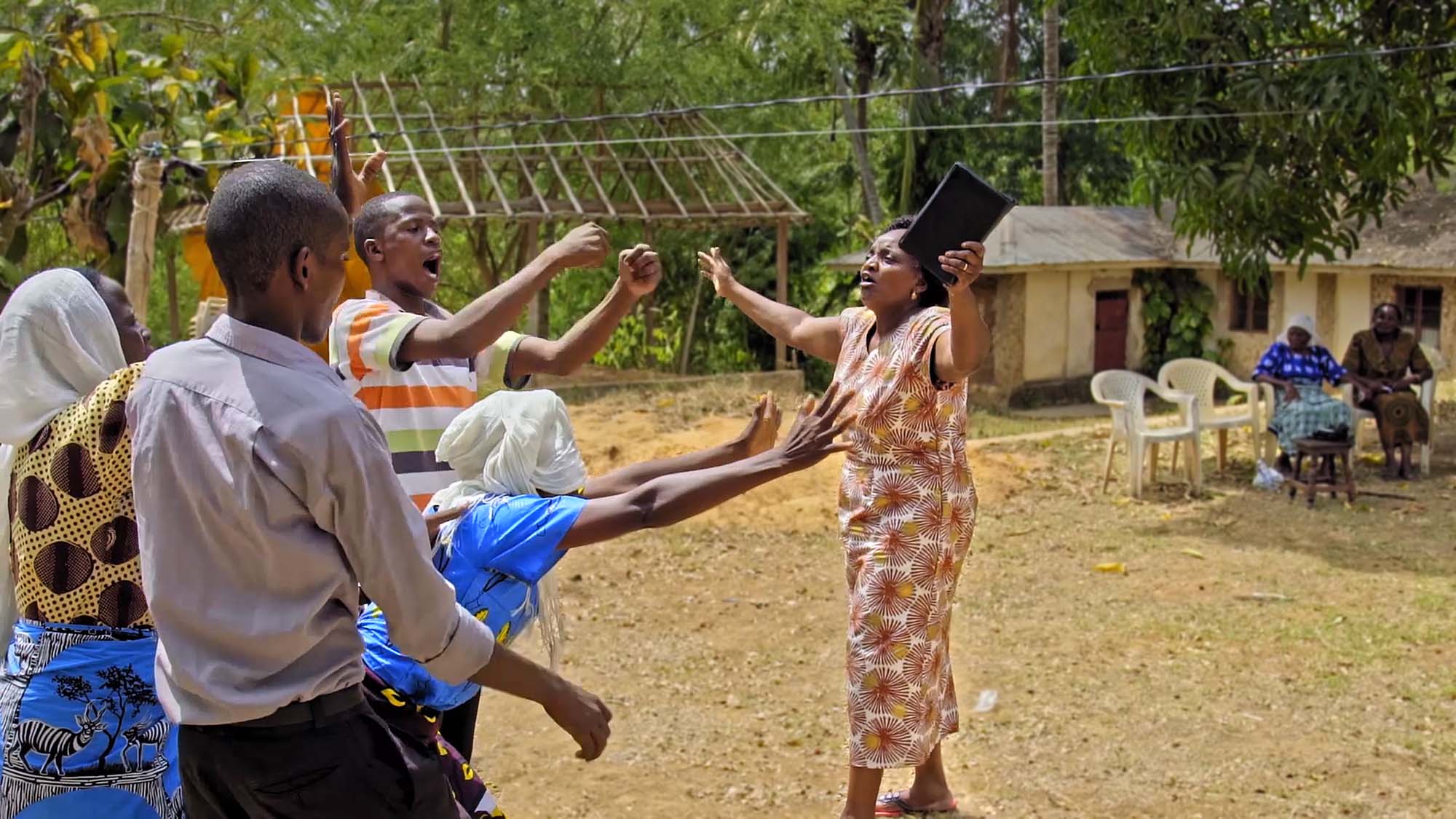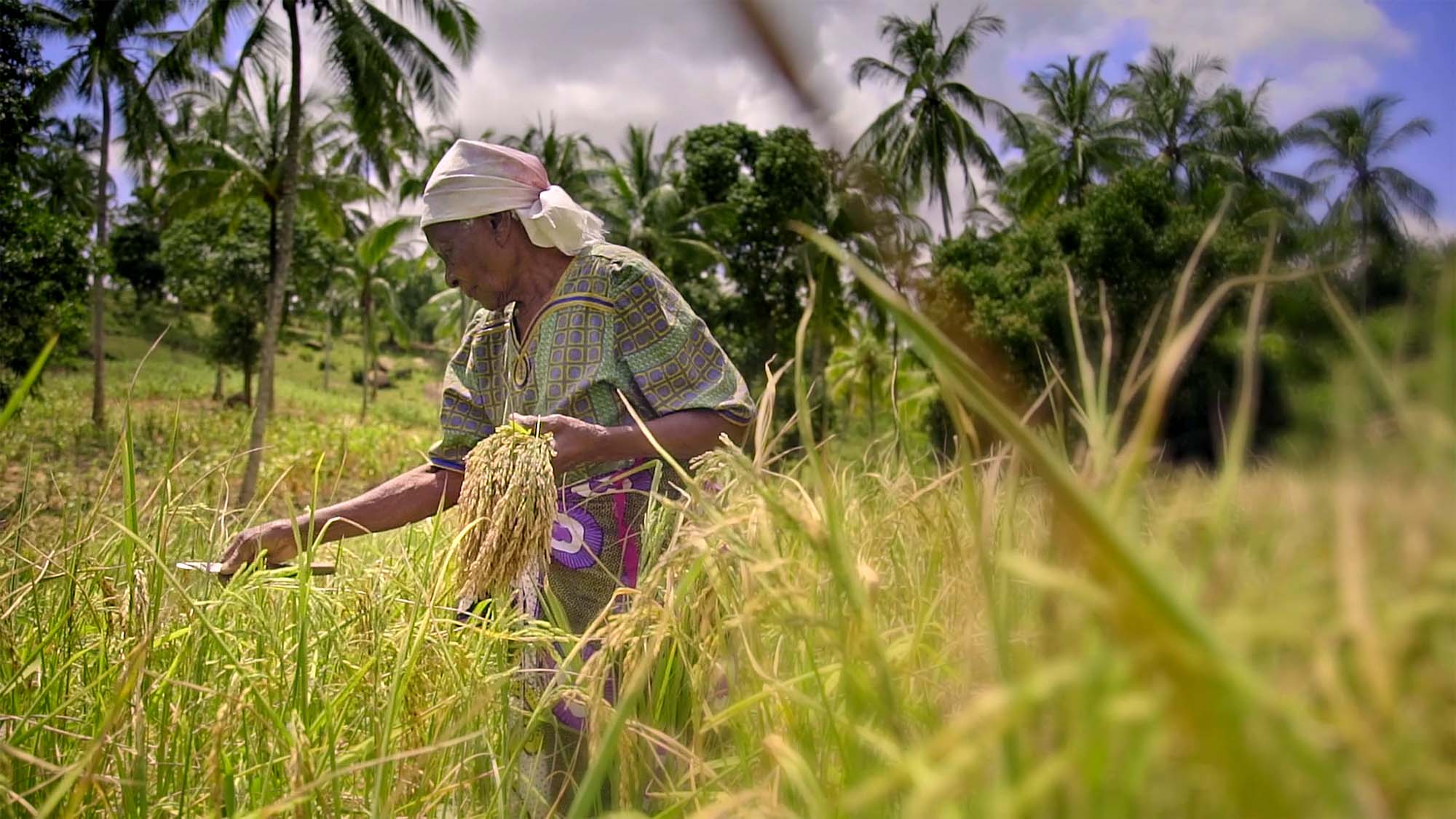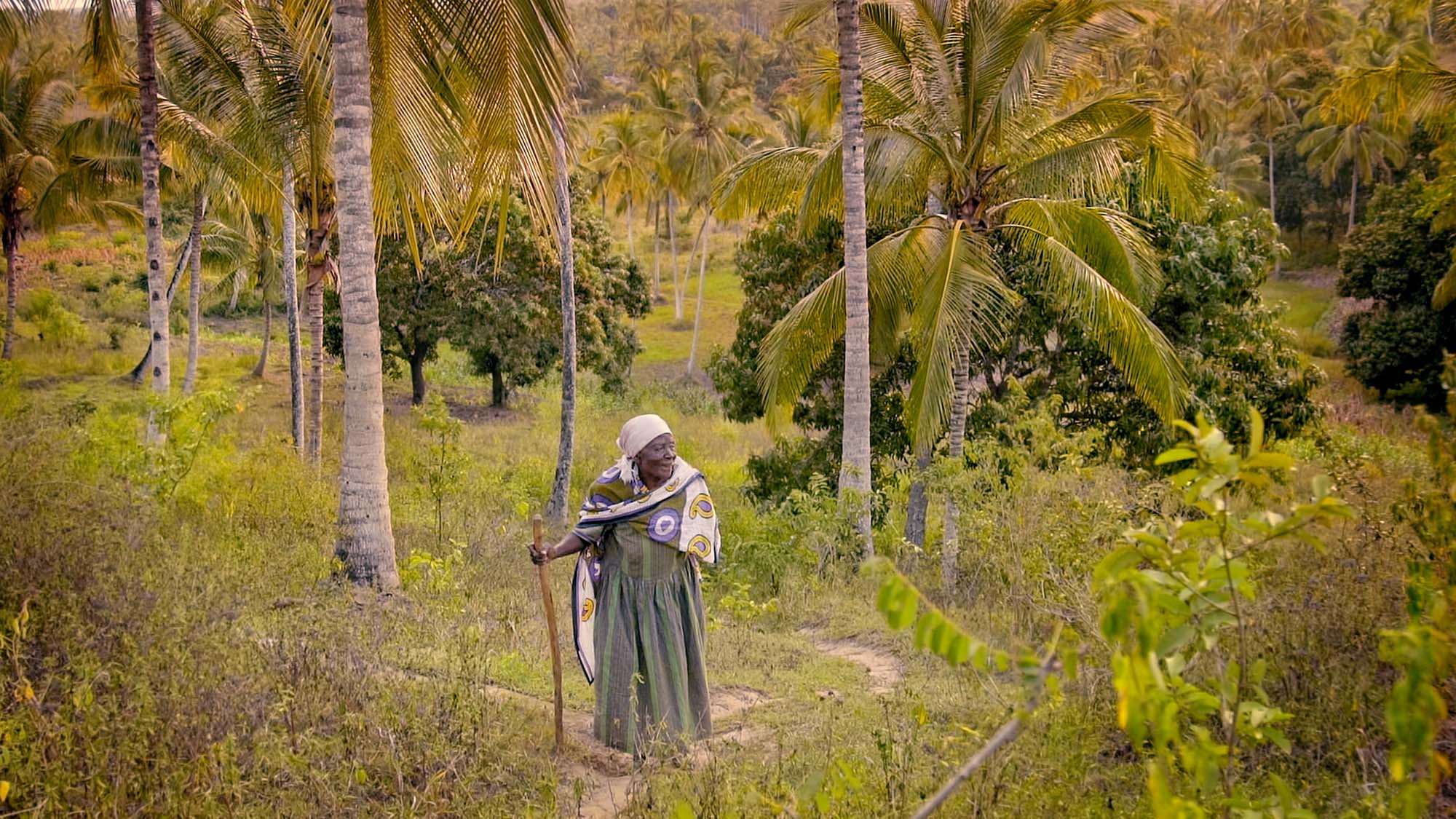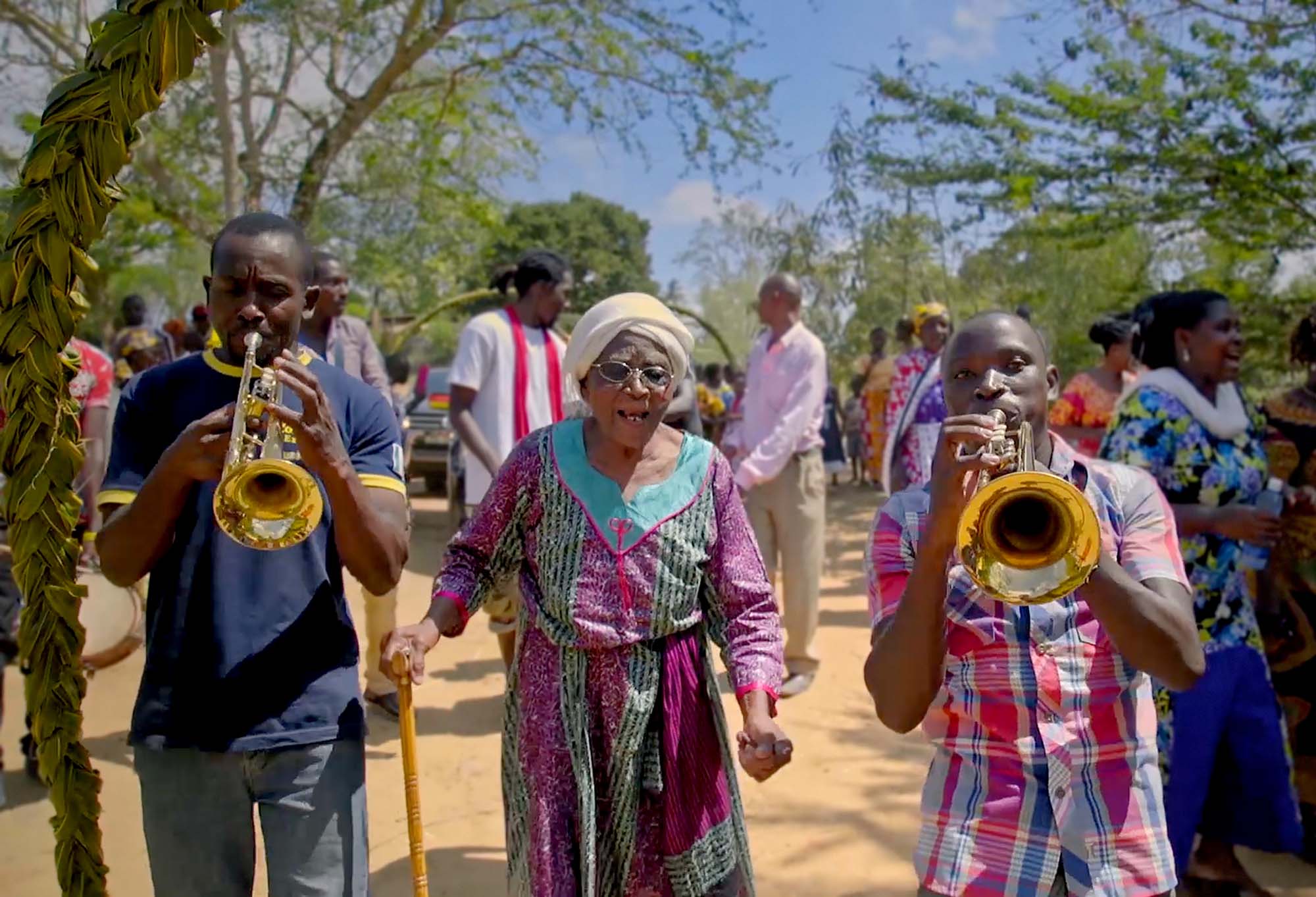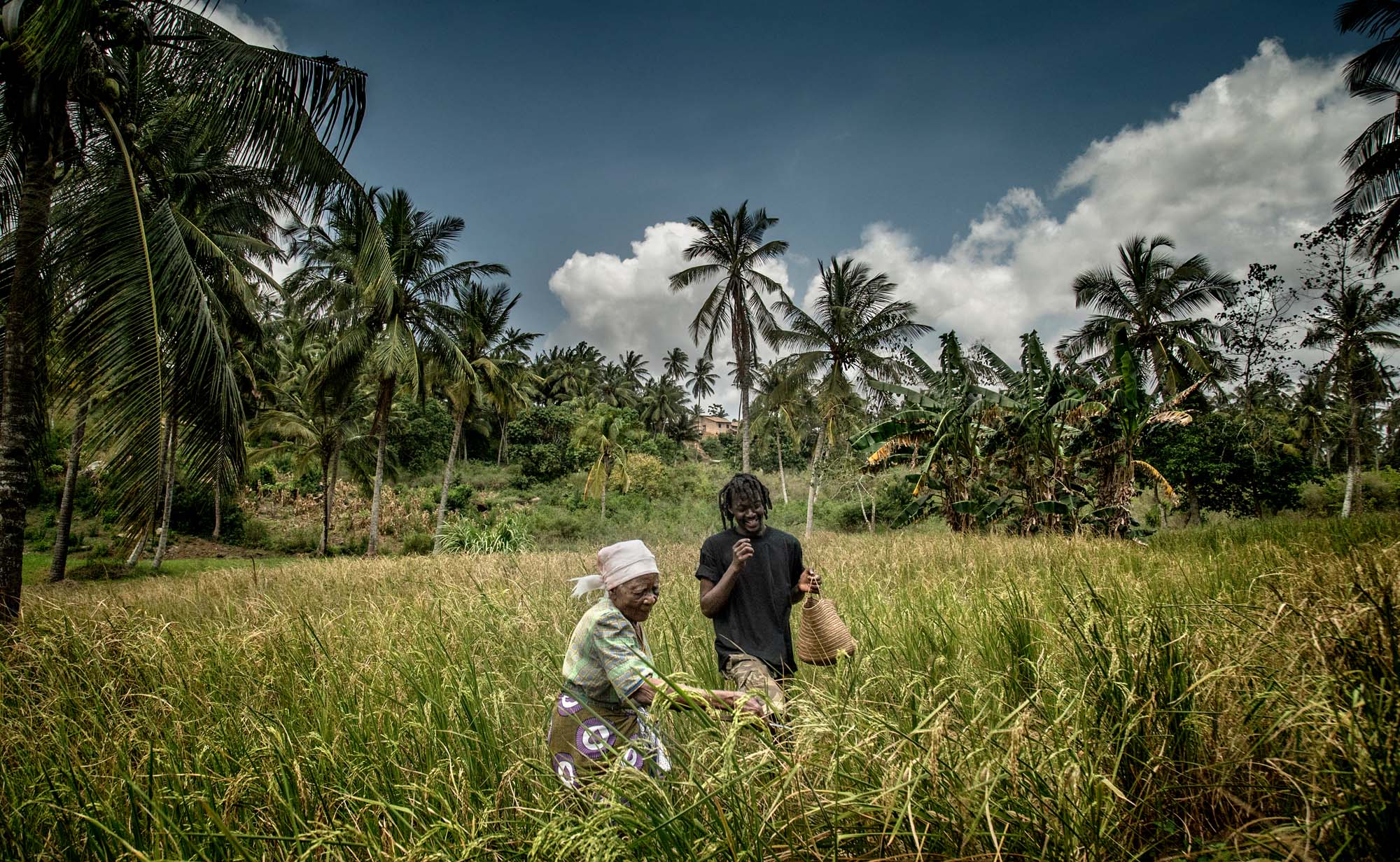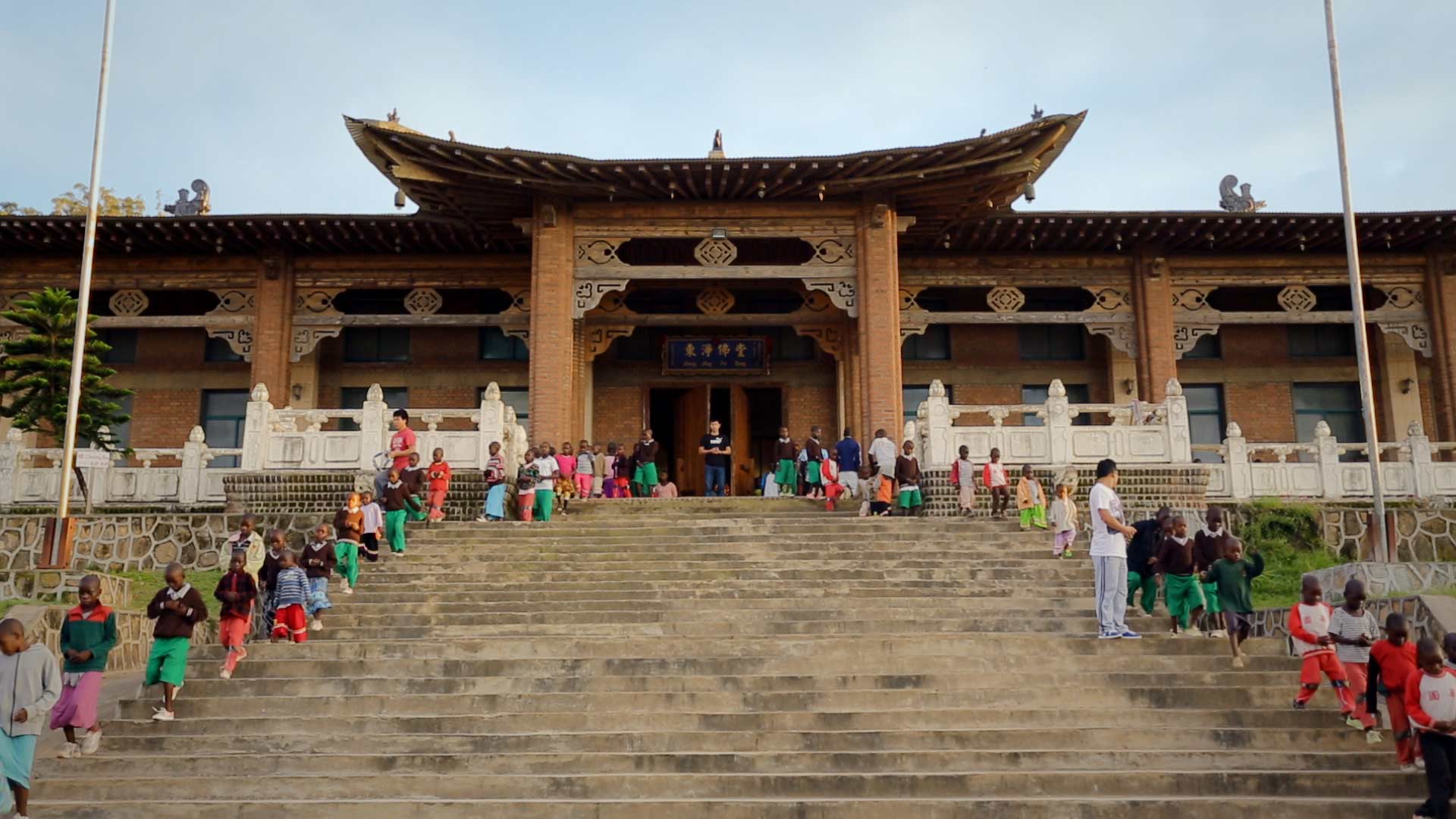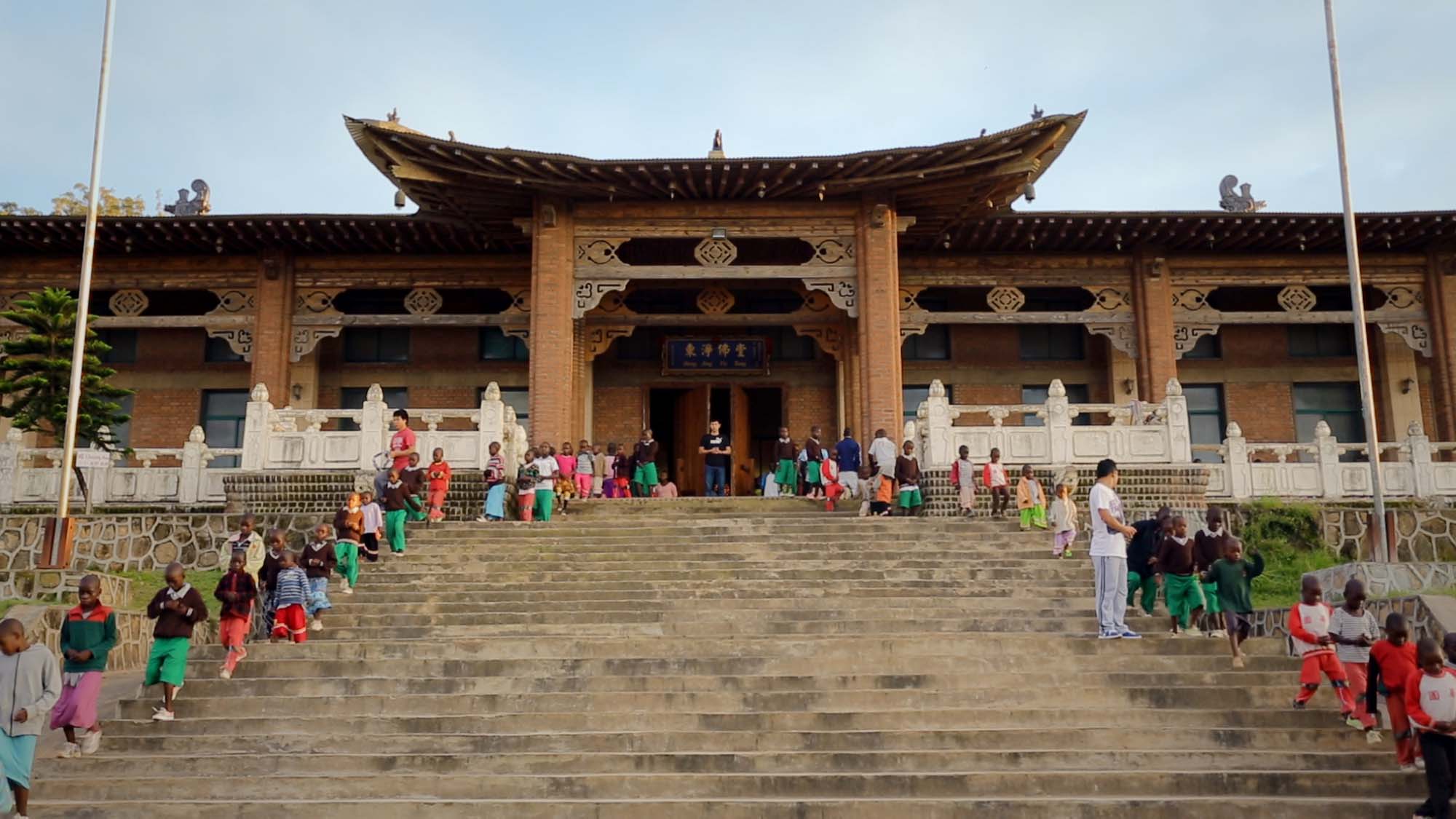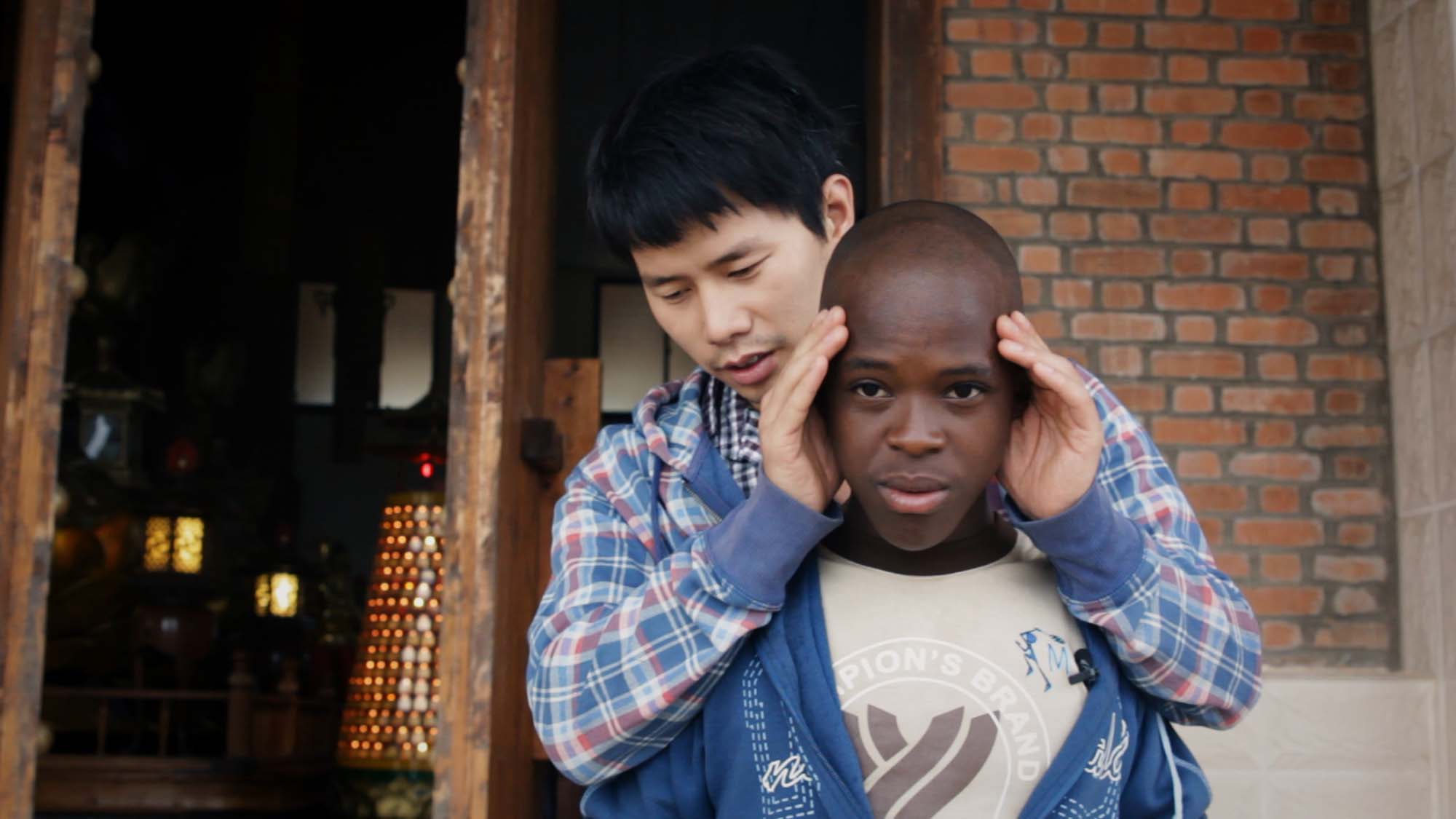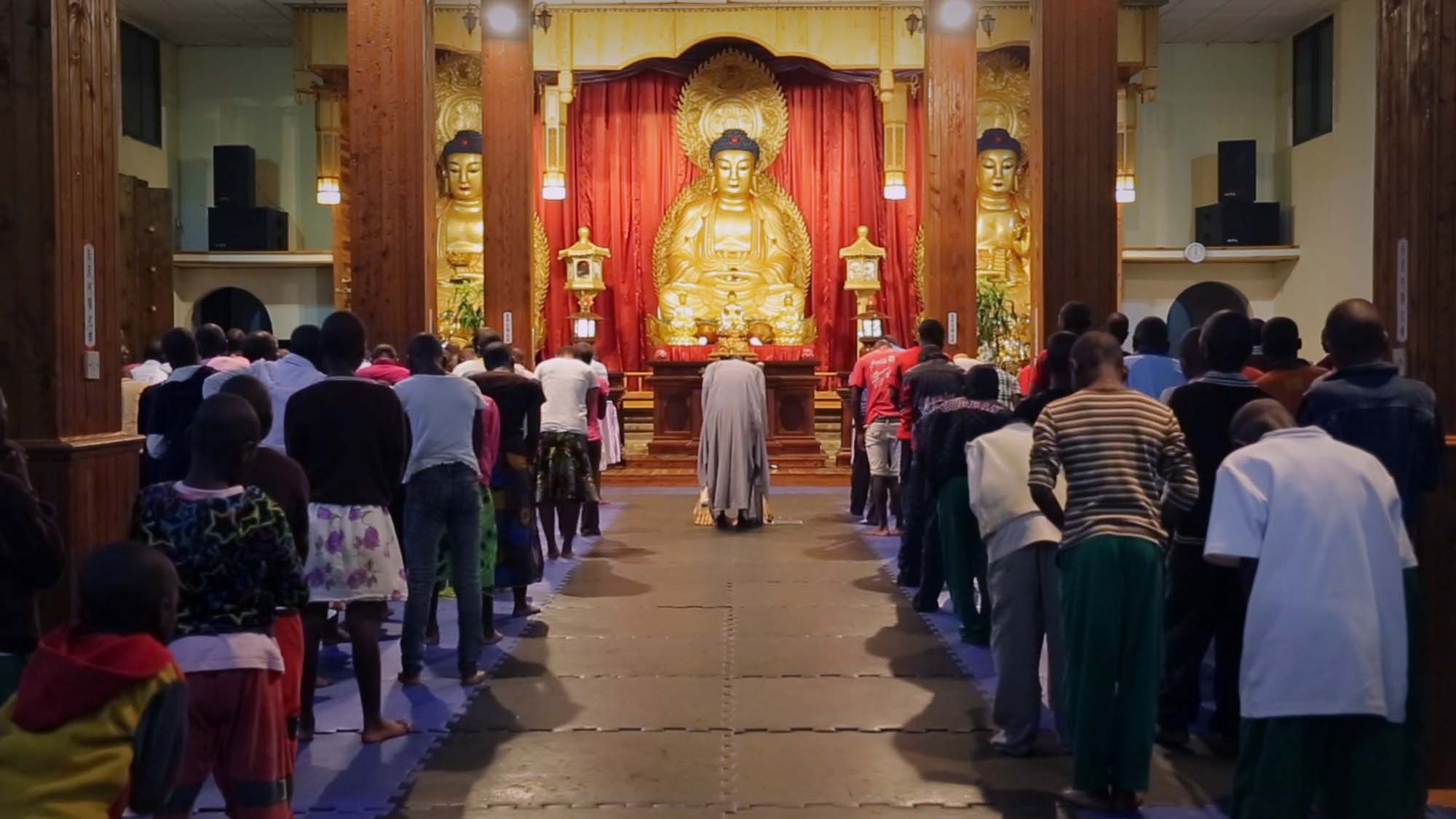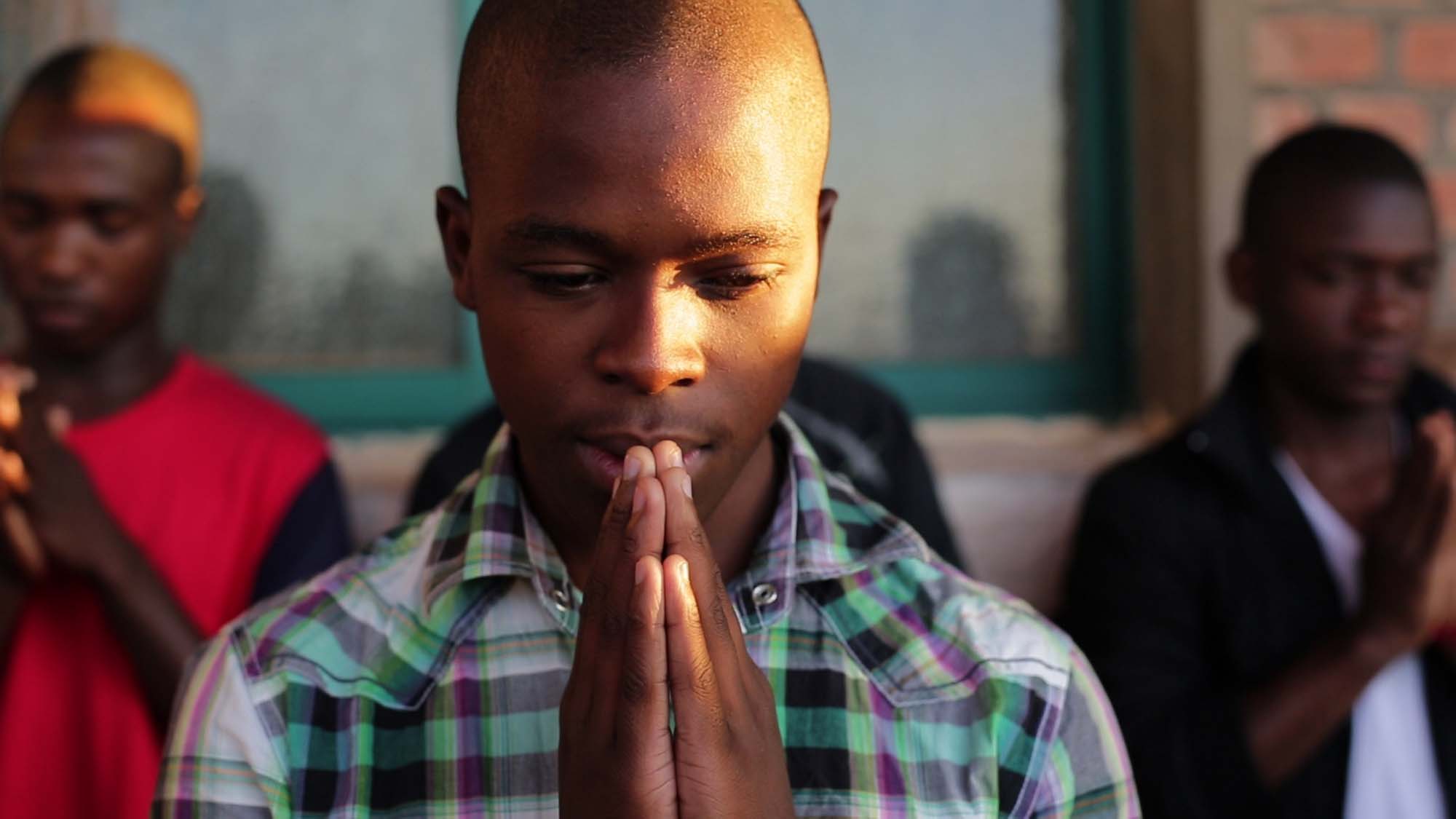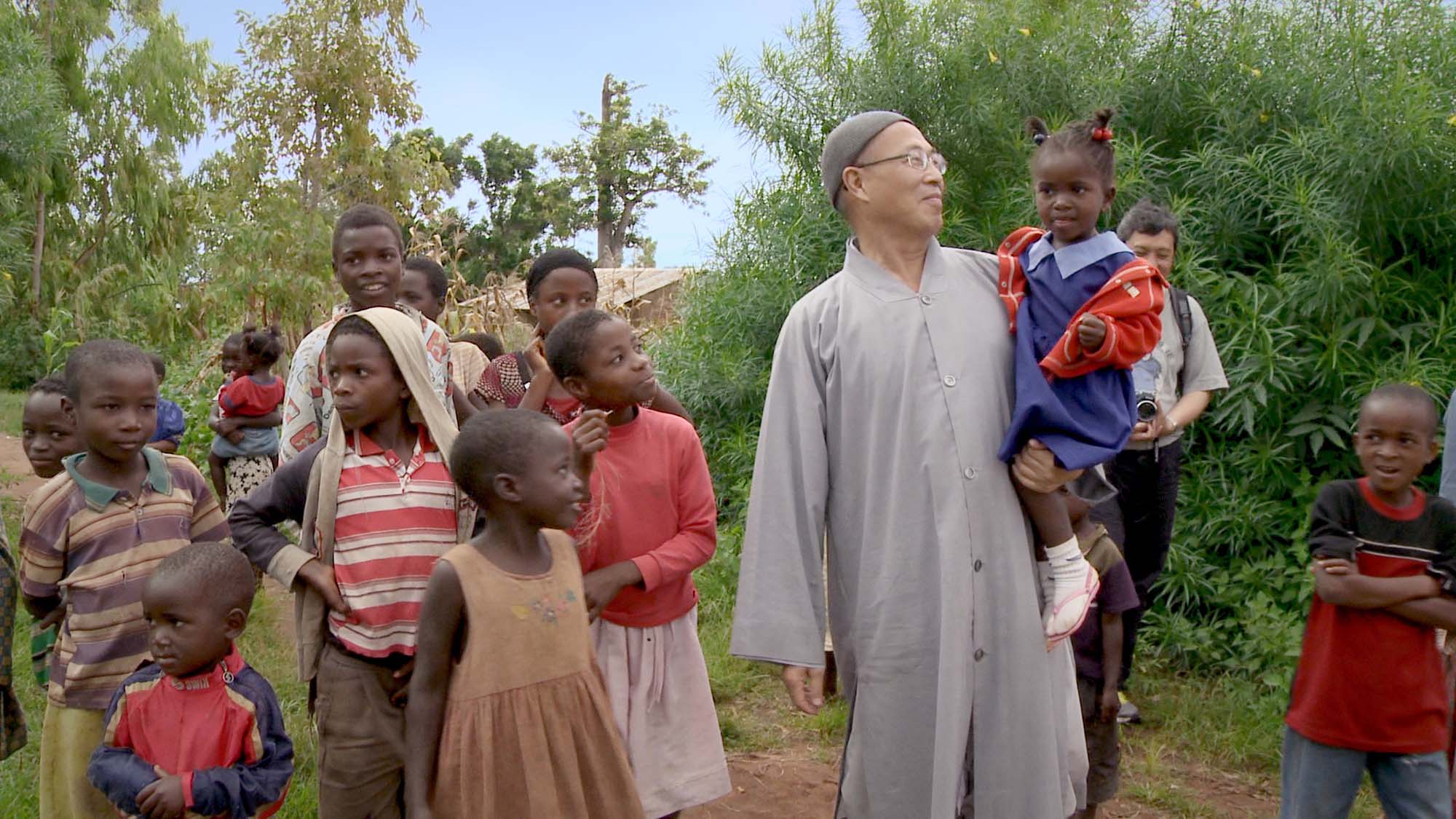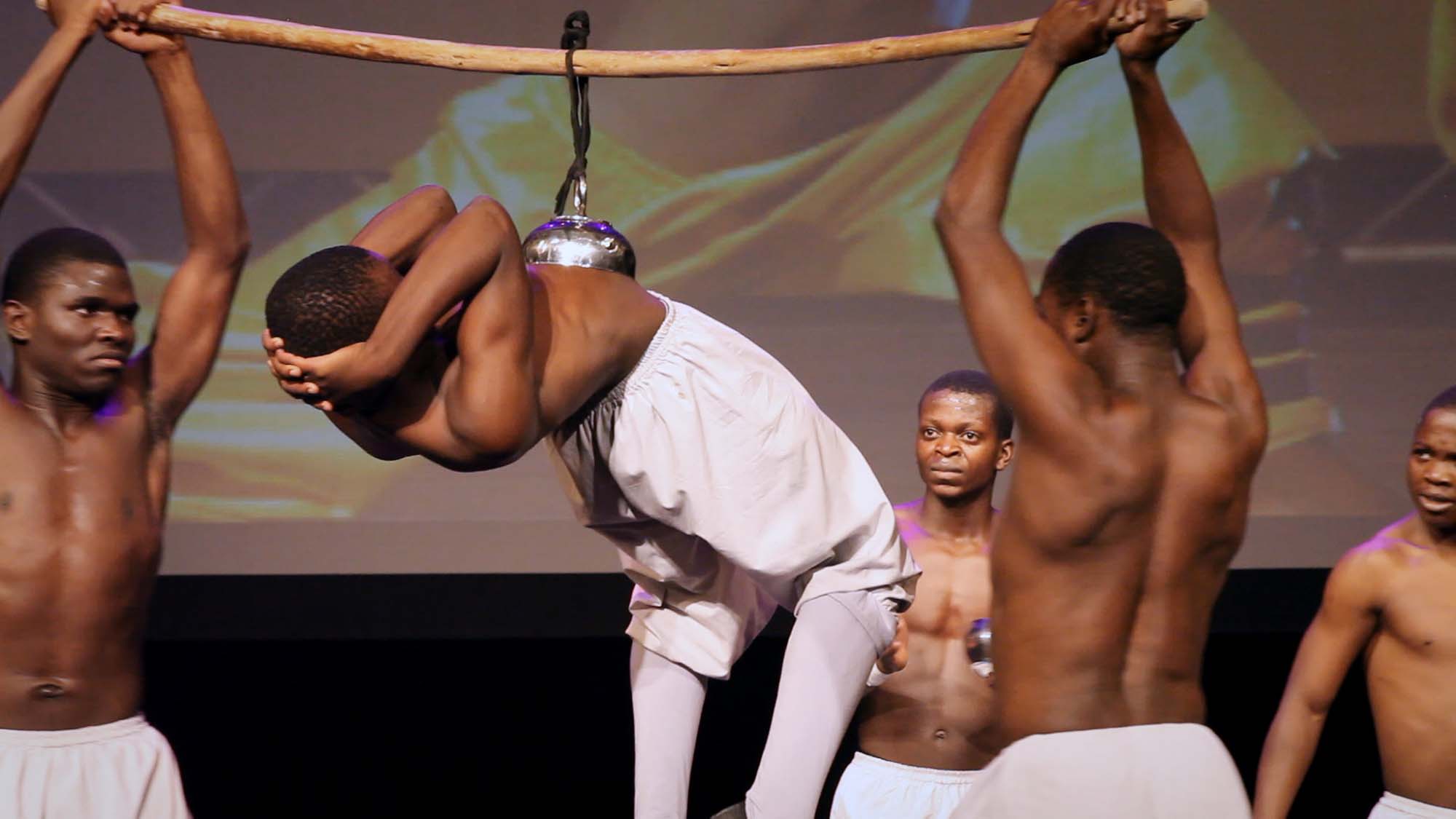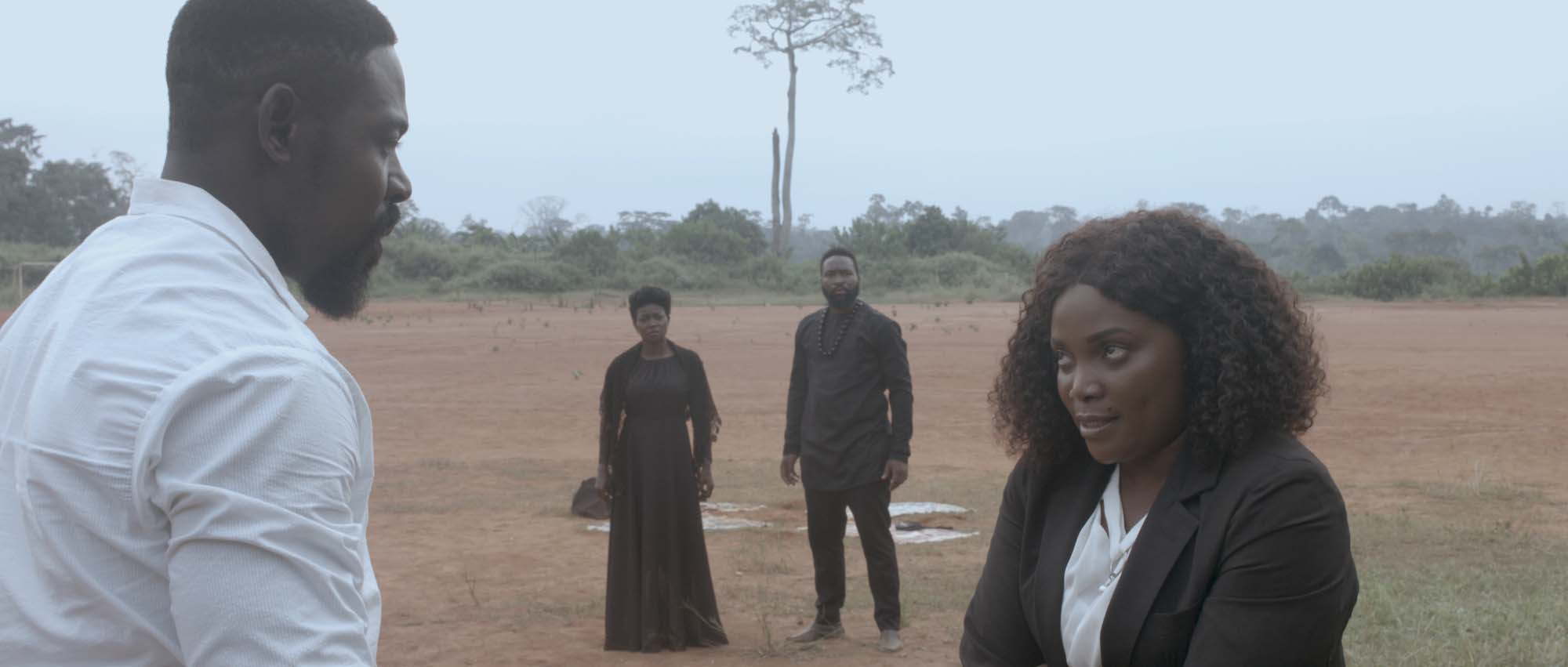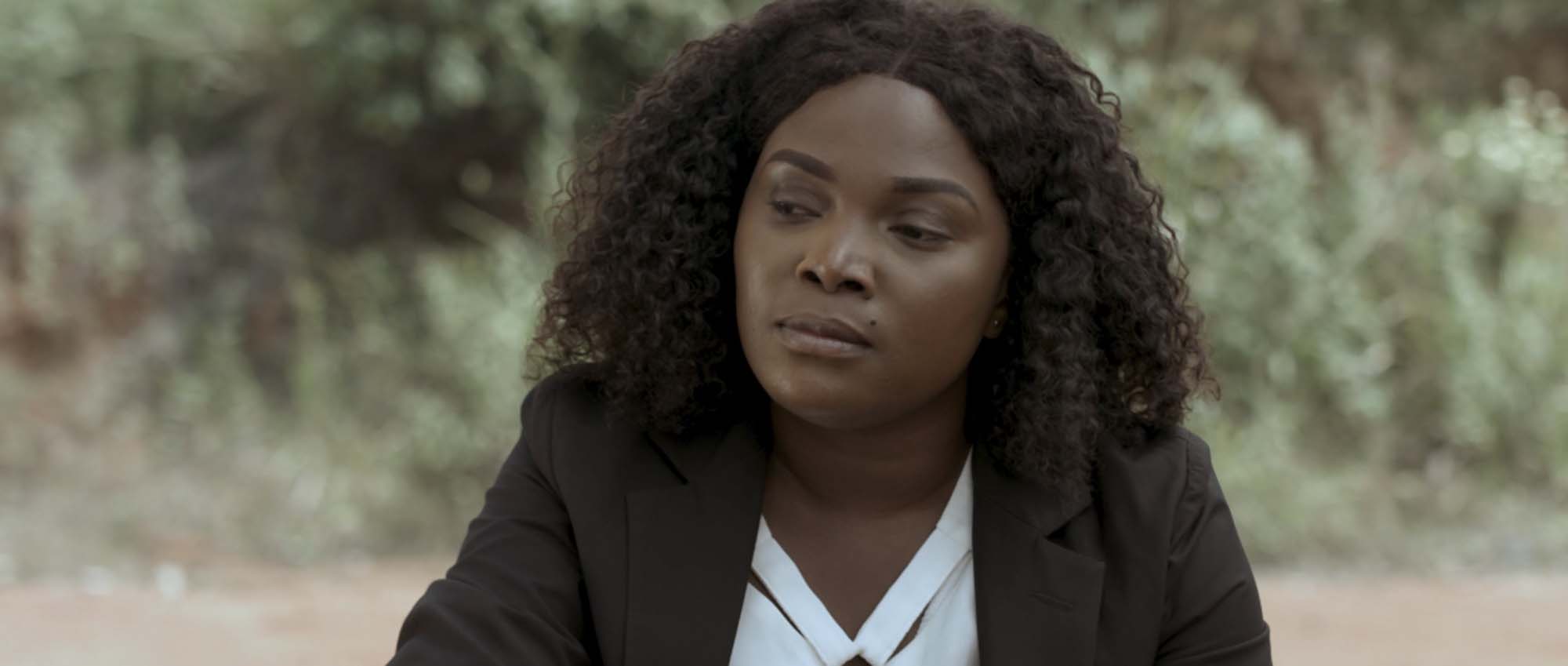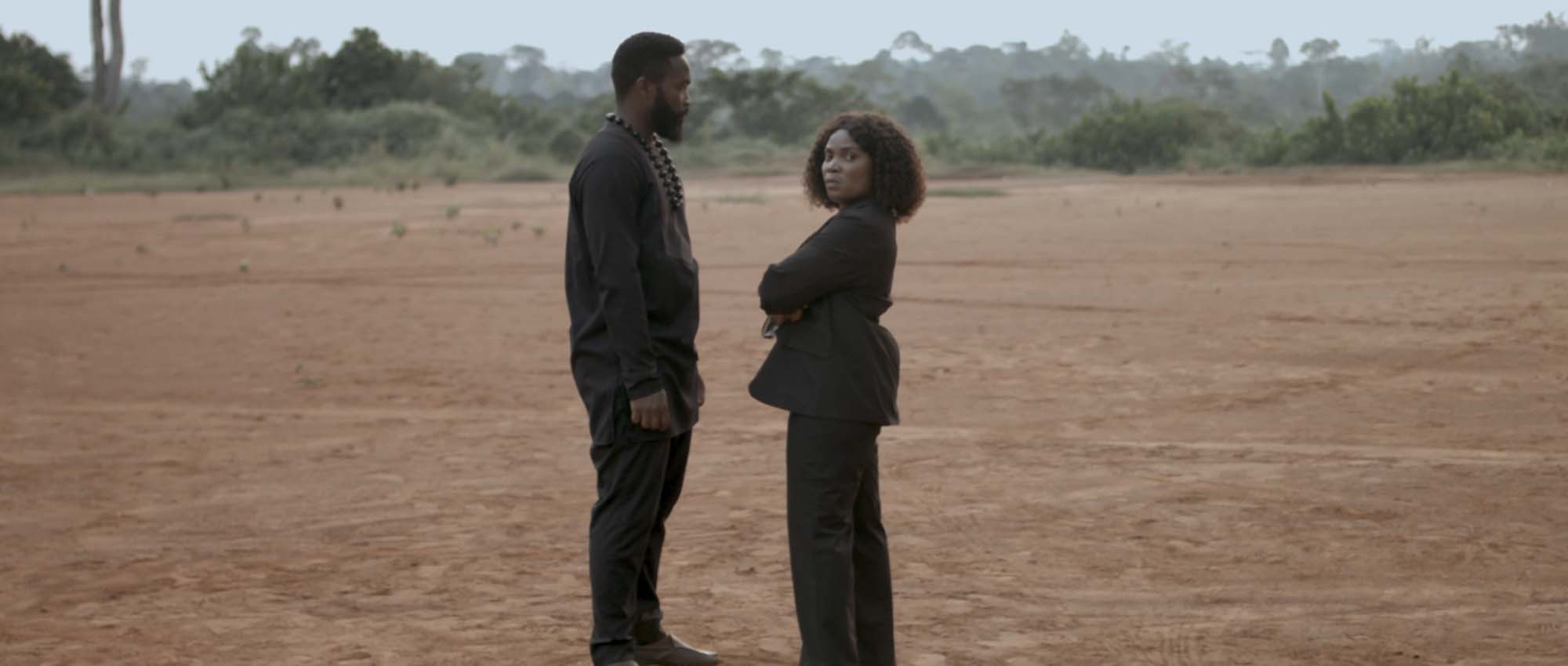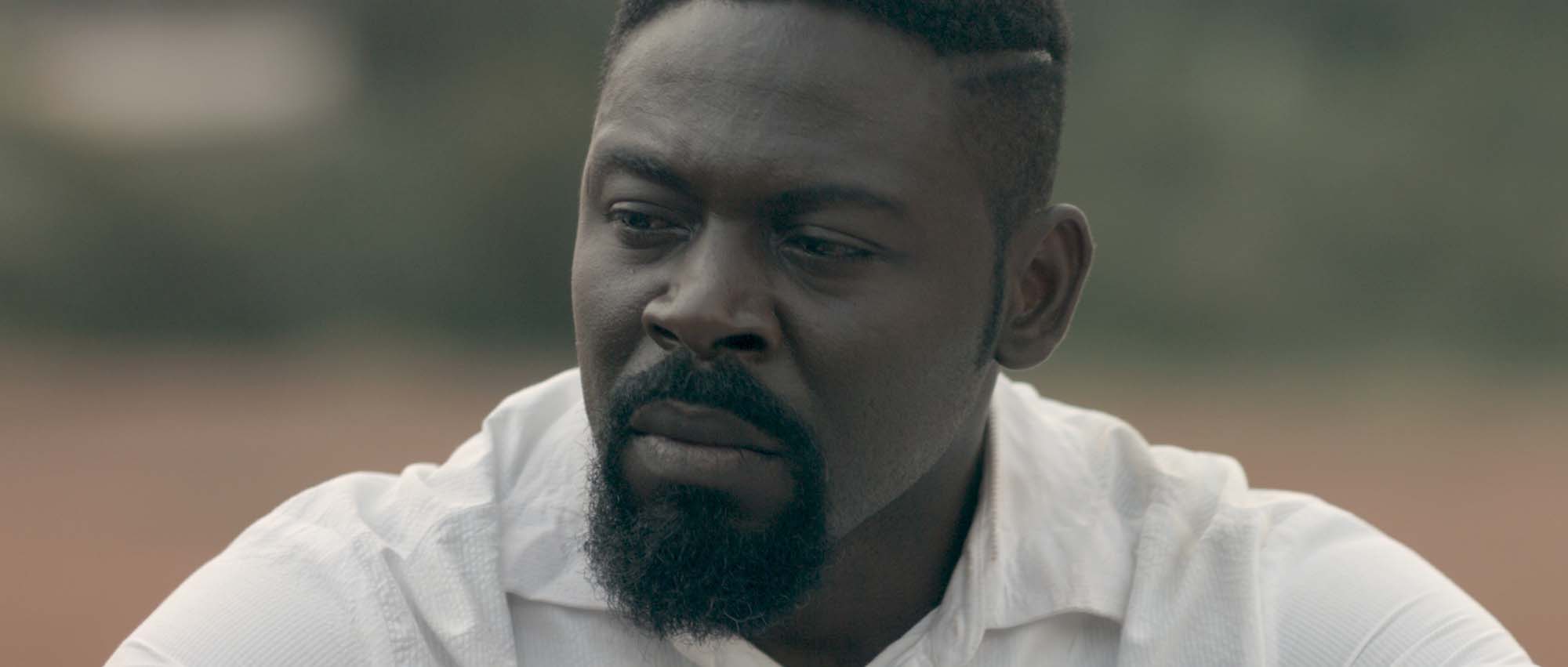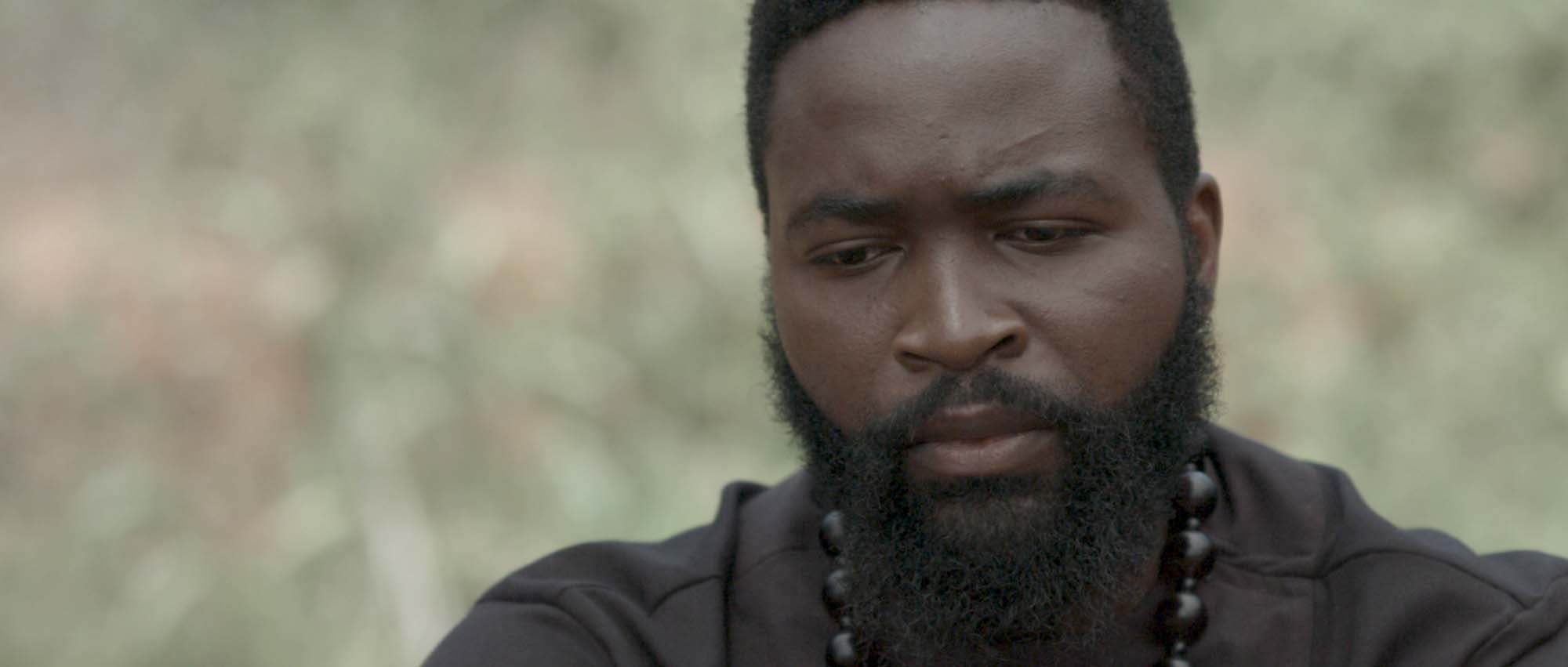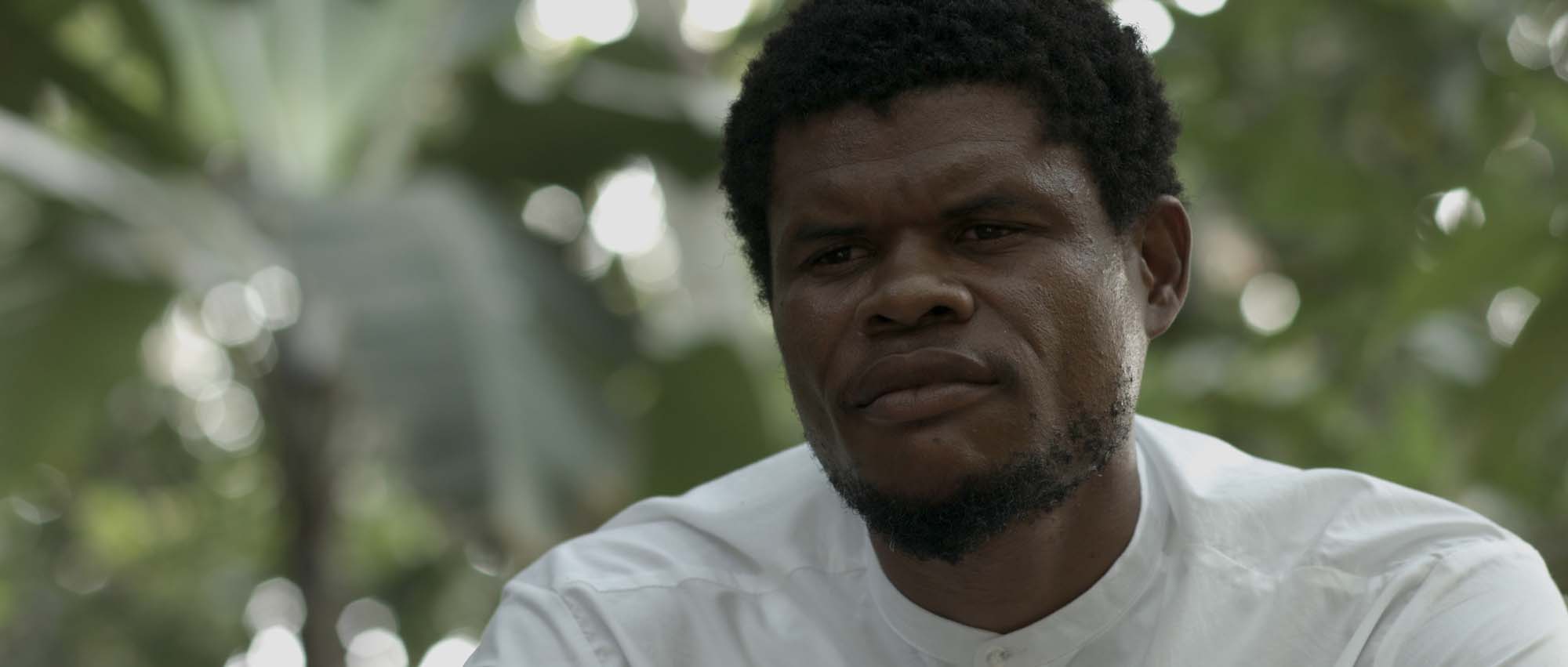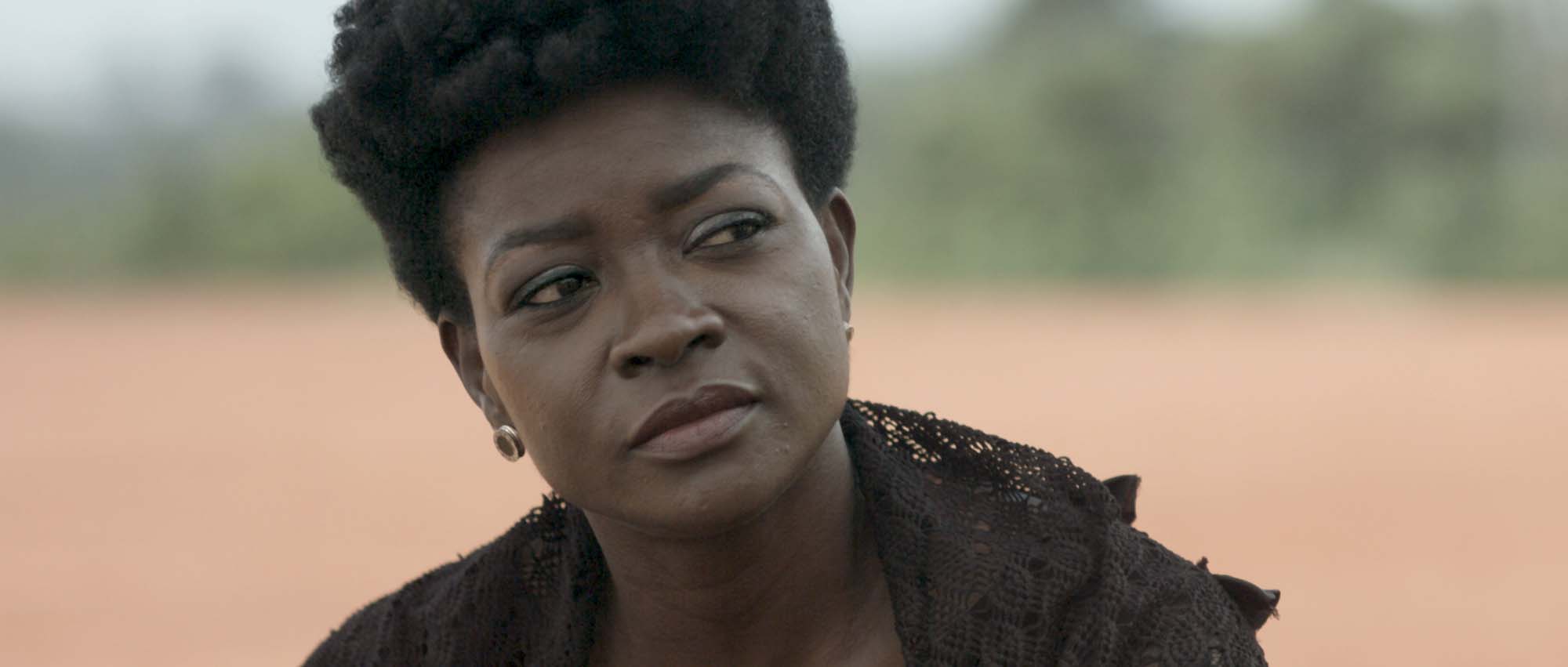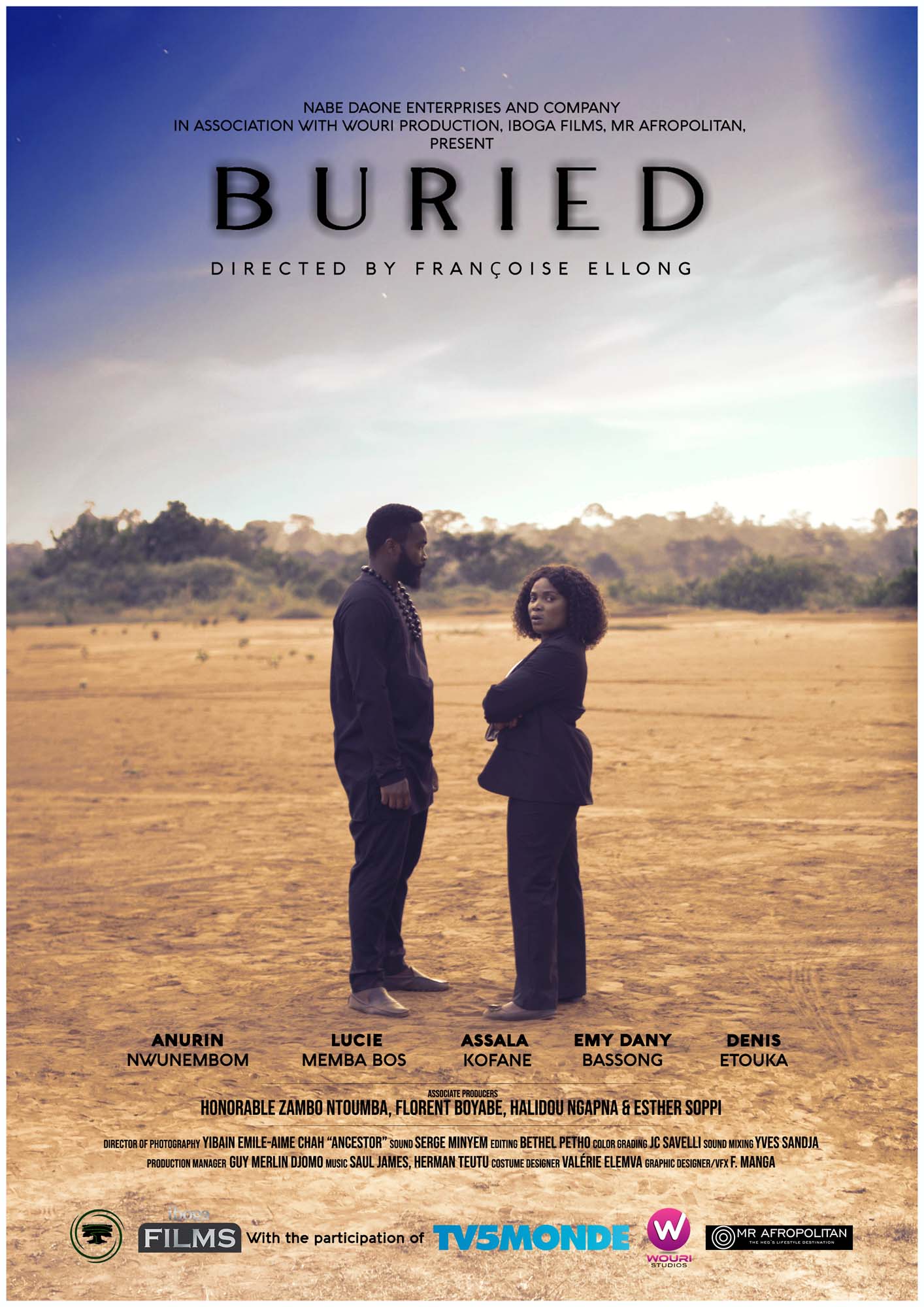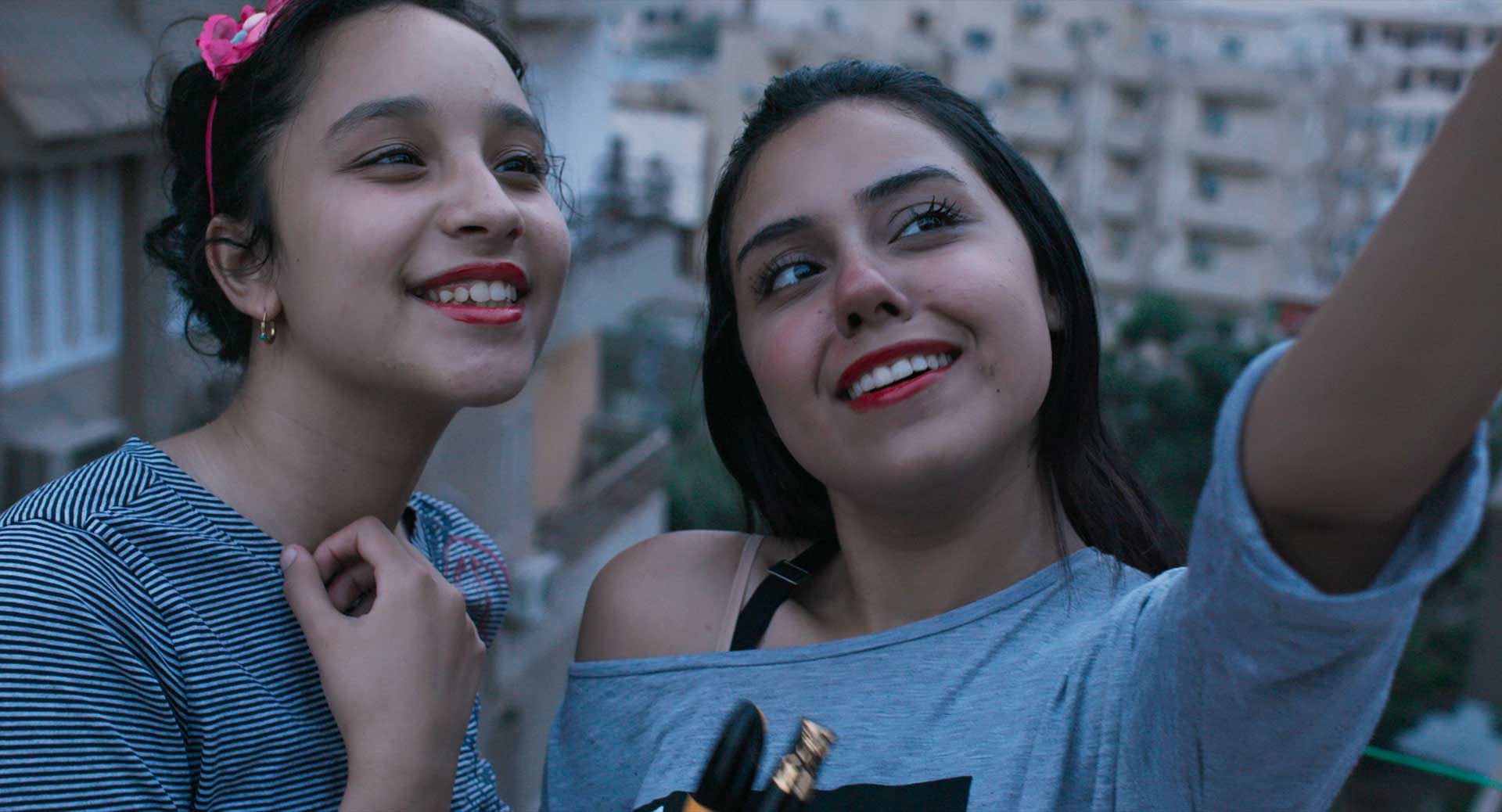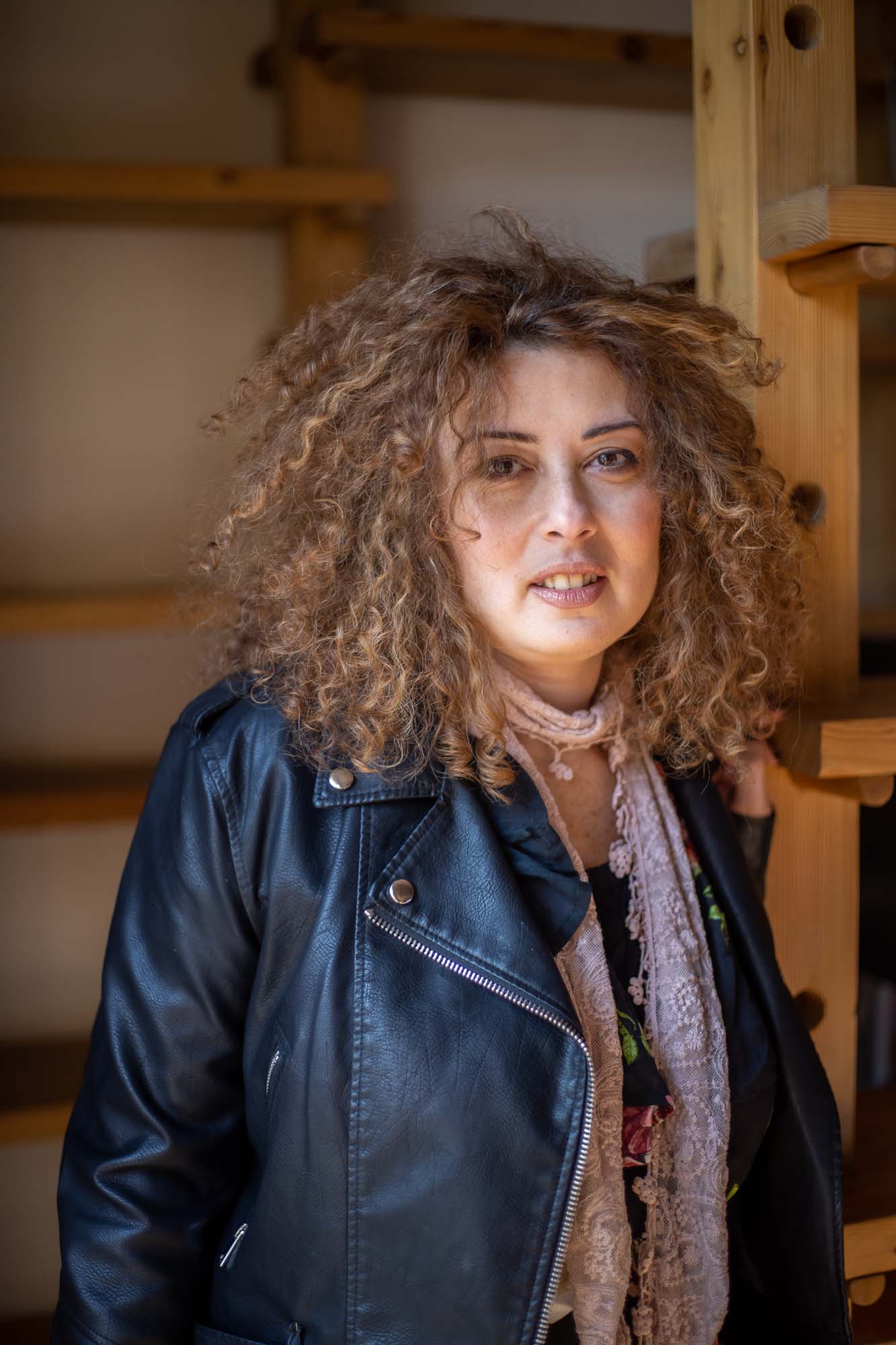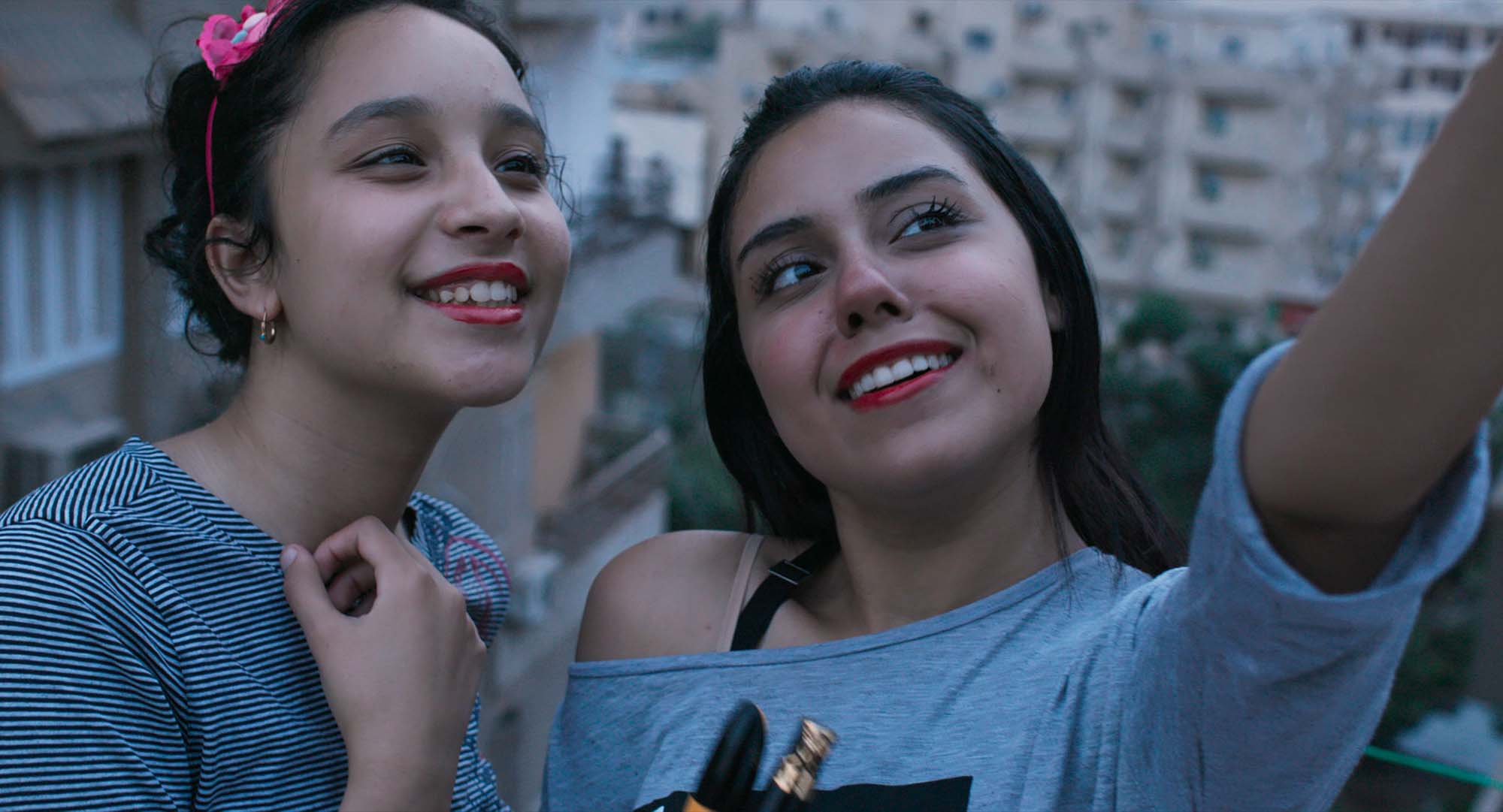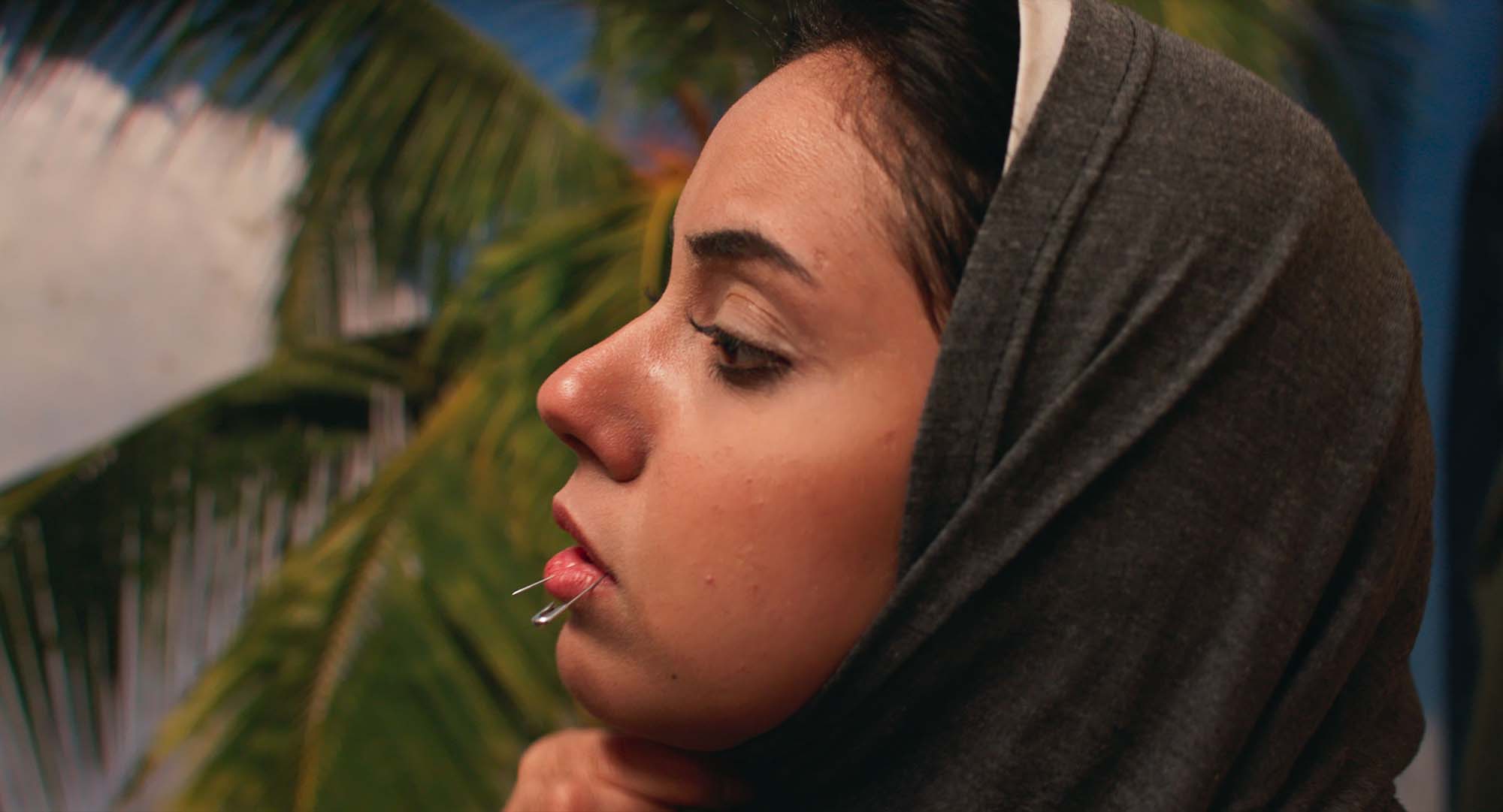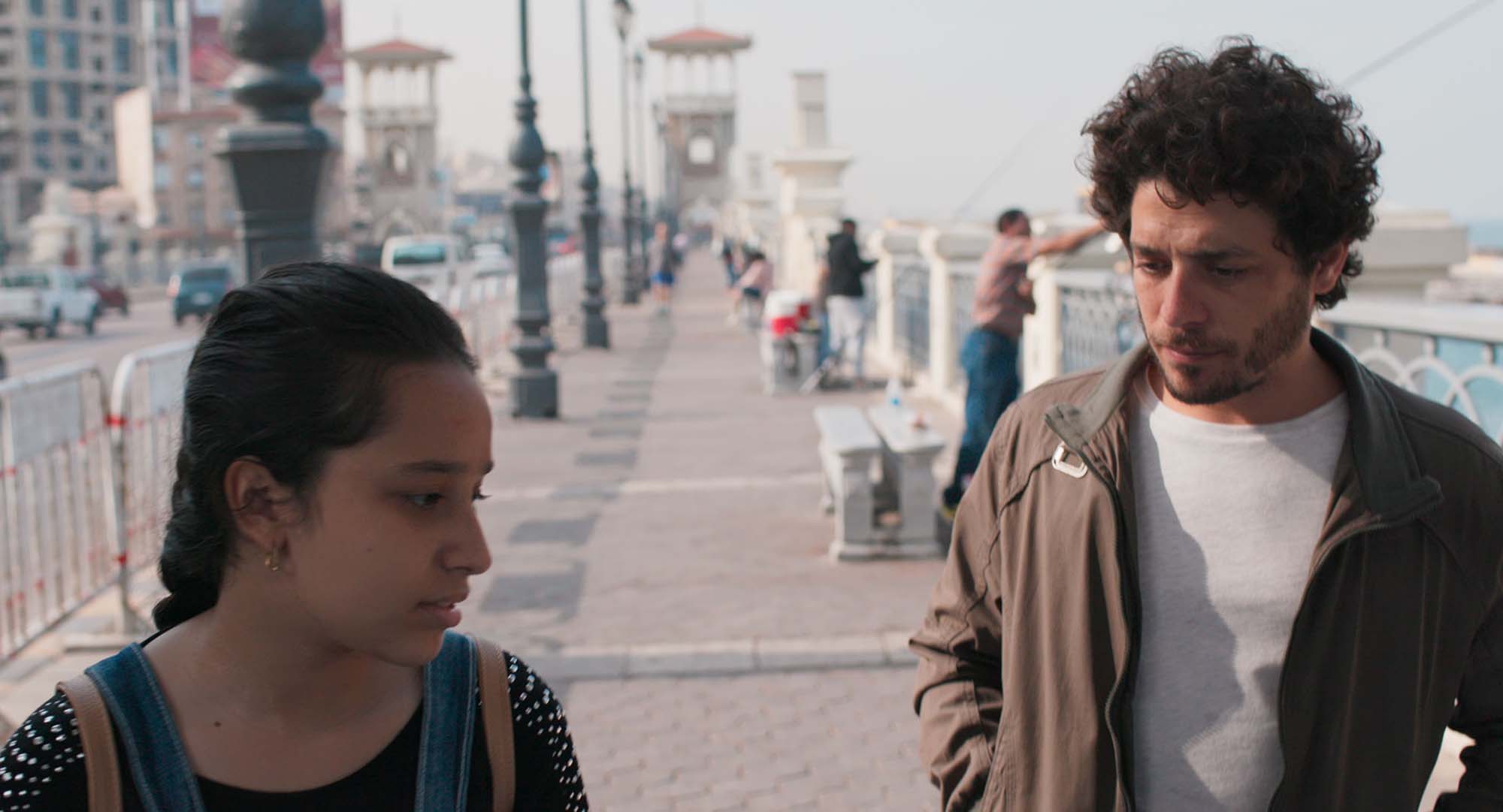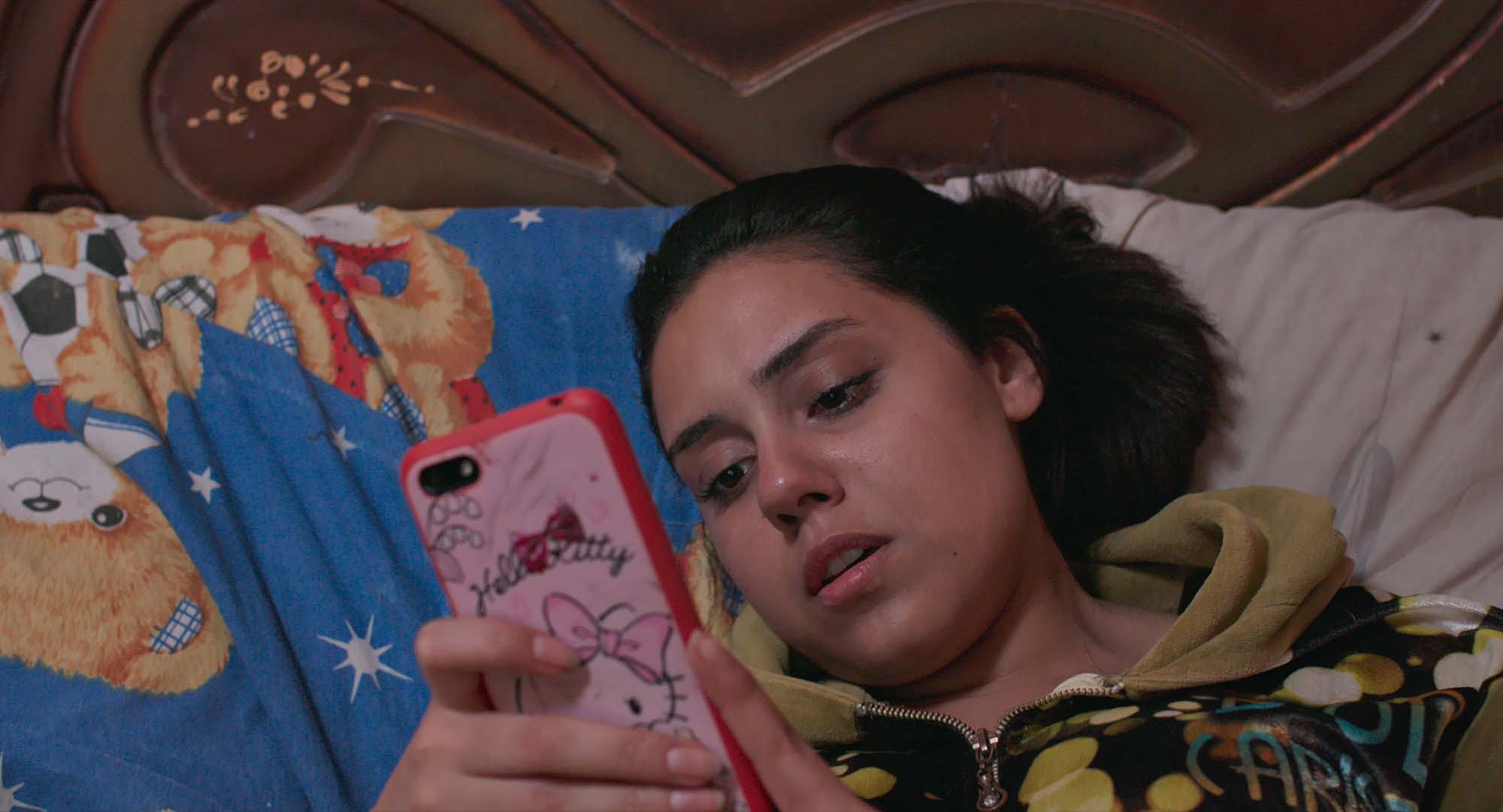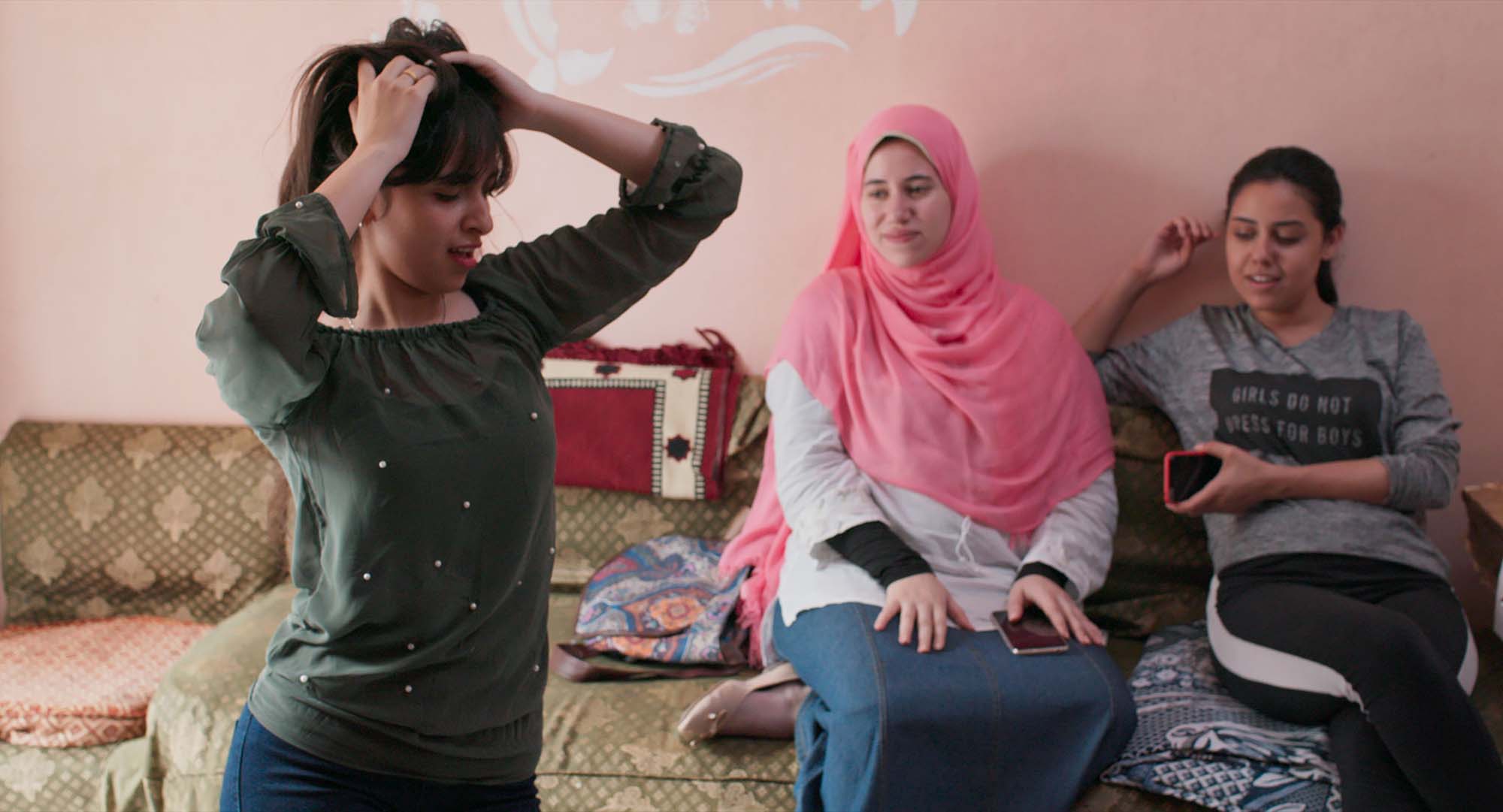erscheint in Kürze [Nov 2024]
Fotos 2022
8 NOV 2022 Arsenal
9 NOV 2022 Heinrich Böll Stuiftung
10 NOV 2022 Humboldt Forum
11 NOV 22 Arsenal
11 NOV 22 BROTFABRIK
12 NOV 22 Humboldt Forum
Fotos 2019
MIGRATION & DIASPORA – AFRICA IN VR
Foyer im Humboldt Forum
10.11. – 13.11., jeweils 10 – 20 Uhr
Eintritt frei
AFRIKAMERA 2022: Urban Africa, Urban Movies – Migration & Diaspora ist Teil eines über einen Zeitraum von vier Jahren konzipierten Festivalschwerpunkts zum aktuellen urbanen Kino aus Afrika.
Flucht und Migration gehören zu den beherrschenden Themen der Gegenwart. Den politischen und künstlerischen Diskurs dominieren dabei europäische Sichtweisen, während afrikanische Perspektiven weitestgehend ausgeblendet bleiben.
Die Frage nach der „kulturellen Identität“, die Auseinandersetzung mit dem Verhältnis zwischen dem „Eigenen“ und dem „Fremden“ wird nicht mehr nur aus der Perspektive der Einwandernden, sondern gleichsam aus der der aus der Diaspora zum afrikanischen Kontinent Zurückkehrenden bzw. aus der Sicht von sowohl im globalen Süden wie auch im globalen Norden lebenden Filmemacher*innen behandelt und so neu austariert. Viele Produktionen richten den Blick nicht nur auf die Migrationsbewegungen von Europa nach Afrika und zurück, sondern auch auf innerafrikanische Wanderungsbewegungen.
Begleitend zum Programm von AFRIKAMERA werden vier 360°-Produktionen präsentiert, die sich auf sehr unterschiedliche künstlerische Art und Weise mit Themen von Migration & Diaspora auseinandersetzen.
Kuration: Florian Wachinger
LE LAC
von Nyasha Kadandara
Kenia 2019, Dokumentation, englische OV, ca. 9 min
Der in der Grenzregion zwischen Nigeria, Kamerun, Niger und dem Tschad gelegene Tschad-See ist einer der weltweit größten Binnengewässer und zugleich eines der gefährdetsten Biotope auf dem afrikanischen Kontinent. Zum einen sinkt der Wasserspiegel des Sees, bedingt durch den Klimawandel, beständig, zum anderen wird die Region durch politische Unruhen und den Terror der Islamistengruppe Boko Haram erschüttert, 2,7 Millionen Menschen sind rund um den Tschadsee auf der Flucht und leben als Binnenfüchtlinge in Camps des UNHCR.
Die 360°-Produktion LE LAC der nigerianischen Filemacherin Nyasha Kadandara ermöglicht Einblicke in den Alltag von Mahamat, einem einst wohlhabenden Viehzüchter, der seine Heimat aus Furcht vor dem Terror von Boko Haram verlassen musste und Nassuri, einem zum Fischer gewordenen Binnenflüchtling, der mit seiner Familie in einem der Flüchtlingslager lebt. Mit verstörend schönen Bildern schärft LE LAC den Blick auf die Verletzlichkeit von Mensch und Natur.
NYASHA KADANDARA ist eine preisgekrönte panafrikanische Regisseurin und Filmemacherin. Sie ist Absolventin der Columbia Journalism School. Ihr erster Film Through the Fire über einen Drogenabhängigen, der sich den Dämonen seiner Vergangenheit stellt, wurde 2015 beim Atlanta Docufest mit dem Audience Choice Award ausgezeichnet. Ihr Kurzdokumentarfilm Queens & Knights“ über ein queeres und inklusives Rugbyteam gewann 2016 den ersten Preis beim NBC Sports Filmwettbewerb Cptr’d und wurde bei South by SouthWest uraufgeführt. 2019 schrieb, filmte und produzierte sie Sex and the Sugar Daddy, eine umfassende Multimedia-Reportage über transnationale Sexualbeziehungen in Kenia, die bei den One World Media Awards in den Kategorien „Popular Feature“ und „Digital Media“ in die Endrunde kam. Ihre letzte Produktion, der investigative Dokumentarfilm Imported for my Body über den kontinentübergreifenden Sexhandel wurde für die Amnesty Media Awards 2020 in die engere Wahl gezogen und für das Human Rights Watch Festival in Kenia ausgewählt. Derzeit entwickelt sie ihren ersten unabhängigen Dokumentarfilm Matabeleland und einen narrativen Spielfilm Come Sunrise, We Shall Rule.
AFROROUTES
von Sélim Harbi
Production: INVR.SPACE GmbH
Executive Producer: Sönke Kirchhof
Postproduction Supervisor: Jessica Zippel
Prototype Tunisia: Med Arbi Soualhia
Weltpremiere
Deutschland 2021, / Drei 360°- Videos, jeweils ca. 15.Min.
Von Salvador da Bahia (Brasilien) über Gujarat (Indien) bis Tanger (Marokko): Afroroutes bewegt sich auf den Spuren der drei großen Sklaverei-Routen – der trans-saharischen, der trans-atlantischen und der trans-pazifischen – und stellt dabei Fragen nach afrodiasporischer Identiät: Was geschah mit den Millionen vertriebenen afrikanischen Männern und Frauen? Wo leben ihre Nachkommen heute? Sind ihre ursprüngliche Kulturen und Sprachen verschwunden? Wie hat ihr Erbe zum Aufbau ihrer neuen Länder beigetragen?
Das Projekt macht diese Fragen anhand dreier unterschiedlicher musik- und klangbasierter Rituale und Zeremonien als gelebte kulturelle Erinnerungen, als Zeugnisse kultureller Resilienz und alteriertes und transzendentales Erbe in 360°- Videos erfahrbar: In Zeremonien der Candomblé, einer afro-brasilianischen Religion aus Bahia, dem Zentrum schwarzer Kultur in Brasilien und einer zentralen Achse für die Entwicklung der afro-brasilianischen Identität; in Dhamal- Ritualen der African Sidi Community, die in der Region Gujarat in Nordindien praktiziert werden sowie in Ritualen der Gnawa, einer ethnischen Minderheit in Marokko, mit Bezugnahme auf subsaharische Mythen, Farbcodes und Heilpraktiken.
SELIM HARBI (*1982 in Tunis) ist Multimedia-Autor, Regisseur und Produzent. Er studierte Audiovisuelle Medien an der Fachhochschule Beuth in Berlin und arbeitete u.a. als Regieassistent bei THE ENEMY, sammelte journalistische VR-Erfahrungen in Westafrika und gab regelmäßig Workshops in Media und Storytelling. Zudem war er Multimedia-Stipendiat von World Press Photo mit Schwerpunkt auf aktuellen Fragen der afrikanischen Diaspora. Harbi entwickelt und produziert Mixed-Media-Konzepte. Er lebt und arbeitet in Berlin.
AZIMUTH
von Nirma Madhoo
Südafrika / Australien 2019, Experimentalfilm, englische OV, 9 min
Azimuth ist ein 360°-Experimentalfilm, der in einem digitalen 3D-Asset, inspiriert durch sichtbetondurchzogene Wellenbrecherarchitekturen am Hafen von Durban, der Architektur der brutalistischen Gebäudekomplexe der Durban University of Technology sowie des Ponte-Towers in Hillbrow (Johannesburg), zeitgenössische Mode präsentiert. Azimuth feiert Beton als allgegenwärtiges Material in drei Elementarzuständen: flüssig, fest und ätherisch. Getragen von einem sphärischen Ambisonics Sorround Sound Score werden in den Modepräsentationen zugleich stereotype Vorstellungen und Zuschreibungen von afrikanischen Identitäten als dem „ethnisch Anderen“ infrage gestellt und unterlaufen.
NIRMA MADHOO ist eine in Durban und Melbourne lebende Modefilmerin und Forscherin. Sie begann ihre Karriere als Modedesignerin und wandte sich dann der zeitgenössischen Modefilmografie zu. In ihrer Arbeit stellt sie videografische Arbeiten mit CGI, 3D-Druck, Virtual Reality und Augmented Reality-Techniken gegenüber. Madhoos Arbeiten werden international auf Kurzfilmfestivals, Modefilmfestivals und digitalen Kunstfestivals präsentiert.
FERENJ – A GRAPHIC MEMOIR
von Ainslee Robson
United States/ Äthiopien 2020, 360°- Video, Sprachen: English, Amharic, Untertitel: Englisch, 9 min
Deutschlandpremiere
Das immersive grafische Memoir der amerikanisch-äthiopischen Regisseurin Ainslee Robson ist ein visueller Dialog zwischen Erinnerung, Realität und der Sphäre des Digitalen.
Basierend auf rekonstruierten autobiographischen Erinnerungen und begleitet von äthiopischer Tezetamusik, schafft Robson eine afrosensuale Traumlandschaft, die in fragmentierter Form vom äthiopischen Restaurants Empress Taytu in Cleveland, Ohio, über das Elternhaus der Regisseurin bis in die Straßen von Addis Abeba führt. Unterlegt mit einem spekulativen Gespräch zwischen der Erzählerin mit der ehemaligen äthiopischen Kaiserin Taytu, hinterfragt FERENJI die Bedeutung von Heimat und Identität aus der Erfahrungsperspektive der äthiopisch-amerikanischen Diaspora.
Ainslee Alem Robson ist eine preisgekrönte äthiopisch-amerikanische Regisseurin, Autorin und Medienkünstlerin. In ihren Arbeiten dekonstruiert Robson Identität, Hierarchien und koloniales Erbe mithilfe des Mediums Film und neuen Technologien in der digitalen Kunst.
Ihre Sachtexte wurden von eFlux, Guggenheim, Art Africa, Vogue Italy und Offramp Academic Journal veröffentlicht. Regiedebüt FRENJI – A GRAPHIC MEMOIR IN VR feierte seine Premiere beim Tribeca Film Festival 20und wurde seitdem bei zahlreichen weiteren Festivals präsentiert, unter anderem SXSW’s 2020 Virtual Cinema und New Images Festival 2020, wo es mit dem Special Jury Prize ausgezeichnet wurde.
[:en]
Foyer at Humboldt Forum
10.11. – 13.11., 10am – 8pm
Free of Charge
AFRIKAMERA 2022: Urban Africa, Urban Movies – Migration & Diaspora is part of a four-year festival focus on contemporary urban cinema from Africa.
Flight and migration are among the dominant themes of the present. European perspectives dominate the political and artistic discourse, while African perspectives are largely ignored.
The question of “cultural identity”, the debate about the relationship between the “own” and the “foreign” is no longer dealt with only from the perspective of immigrants. It is being rebalanced, as it were, by those returning to the African continent from the diaspora or from the perspective of filmmakers living in both the global South and the global North. Many productions focus not only on migratory movements from Europe to Africa and back, but also on intra-African migratory movements.
Accompanying the AFRIKAMERA programme, four 360° productions will be presented that deal with themes of migration & diaspora in very different artistic ways.
Curation: Florian Wachinger
LE LAC
By Nyasha Kadandara
Kenya 2019, Documentary, OV, ca. 9 min
Located in the border region between Nigeria, Cameroon, Niger and Chad, Lake Chad is one of the world’s largest inland water bodies and also one of the most endangered biotopes on the African continent. On the one hand, the water level of the lake is constantly sinking due to climate change, on the other hand, the region is shaken by political unrest and the terror of the Islamist group, Boko Haram, 2.7 million people are fleeing around Lake Chad and live as internally displaced persons in UNHCR camps.
The 360° production LE LAC by Nigerian filmmaker Nyasha Kadandara provides insights into the everyday life of Mahamat, a once prosperous cattle farmer who had to leave his home for fear of the terror of Boko Haram, and Nassuri, an internally displaced person turned fisherman who lives with his family in one of the refugee camps. With disturbingly beautiful images, LE LAC sharpens our view of the vulnerability of people and nature.
NYASHA KADANDARA is an award-winning Pan-African director and filmmaker. She is a graduate of the Columbia Journalism School. Her first film, Through the Fire, about a drug addict facing the demons of his past, won the Audience Choice Award at the Atlanta Docufest in 2015. Her short documentary Queens & Knights, about a queer and inclusive rugby team, won first prize at the 2016 NBC Sports Film Competition Cptr’d and premiered at South by SouthWest. In 2019, she wrote, filmed and produced Sex and the Sugar Daddy, a comprehensive multimedia reportage about transnational sexual relationships in Kenya, which was a finalist in the Popular Feature and Digital Media categories at the One World Media Awards. Her latest production, the investigative documentary Imported for my Body about cross-continental sex trafficking was shortlisted for the 2020 Amnesty Media Awards and selected for the Human Rights Watch Festival in Kenya. She is currently developing her first independent documentary, Matabeleland, and a narrative feature Come Sunrise, We Shall Rule.
AFROROUTES
by Sélim Harbi
Germany 2021, / Three 360°- Videos, each approx. 15.Min.
Production: INVR.SPACE GmbH
Executive Producer: Sönke Kirchhof
Postproduction Supervisor: Jessica Zippel
Prototype Tunisia: Med Arbi Soualhia
World Premiere
From Salvador da Bahia (Brazil) to Gujarat (India) to Tangier (Morocco): Afroroutes moves in the footsteps of the three great slavery routes – the trans-Saharan, the trans-Atlantic and the trans-Pacific – asking questions about Afrodiasporic identity: what happened to the millions of displaced African men and women? Where do their descendants live today? Have their original cultures and languages disappeared? How did their heritage contribute to the building of their new countries?
The project uses three different music and sound based rituals and ceremonies to make these questions tangible as lived cultural memories, as testimonies of cultural resilience and altered and transcendental heritage in 360° videos: In ceremonies of Candomblé, an Afro-Brazilian religion from Bahia, the centre of Black culture in Brazil and a central axis for the development of Afro-Brazilian identity; in Dhamal- rituals of the African Sidi community practiced in the Gujarat region of northern India; and in rituals of the Gnawa, an ethnic minority in Morocco, with reference to sub-Saharan myths, colour codes and healing practices.
SELIM HARBI (*1982 in Tunis) is a multimedia author, director and producer. He studied audiovisual media at the Beuth University of Applied Sciences in Berlin and worked, among other things, as an assistant director for THE ENEMY, gained journalistic VR experience in West Africa and regularly gave workshops in media and storytelling. He was also a World Press Photo multimedia fellow focusing on current issues in the African diaspora. Harbi develops and produces mixed media concepts. He lives and works in Berlin.
AZIMUTH
by Nirma Madhoo
South Africa/ Australia 2019, experimental film, OV, 9 min
Azimuth is a 360° experimental film that presents contemporary fashion in a 3D digital asset inspired by exposed concrete breakwater architecture at Durban Harbour, the architecture of the brutalist building complexes of the Durban University of Technology and the Ponte Tower in Hillbrow (Johannesburg). Azimuth celebrates concrete as an omnipresent material in three elemental states: liquid, solid and ethereal. Carried by a spherical Ambisonics sorround sound score, the fashion presentations simultaneously question and subvert stereotypical notions and attributions of African identities as the “ethnic other”.
NIRMA MADHOO is a fashion filmmaker and researcher based in Durban and Melbourne. She began her career as a fashion designer and then turned to contemporary fashion filmmaking. Her work juxtaposes videographic work with CGI, 3D printing, virtual reality and augmented reality techniques. Madhoo’s work is presented internationally at short film festivals, fashion film festivals and digital art festivals.
FERENJ – A GRAPHIC MEMOIR
by Ainslee Robson
United States/ Ethiopia 2020, 360°- Video, Languages: English, Amharic, Subtitles: English, 9 min.
German premiere
The immersive graphic memoir by American-Ethiopian director Ainslee Robson, is a visual dialogue between memory, reality and the sphere of the digital.
Based on reconstructed autobiographical memories and accompanied by Ethiopian tezeta music, Robson creates an Afrosensual dreamscape that leads in fragmented form from the Ethiopian restaurant Empress Taytu in Cleveland, Ohio, to the director’s childhood home and the streets of Addis Ababa. Punctuated by a speculative conversation between the narrator and former Ethiopian Empress Taytu, FERENJI questions the meaning of home and identity from the experiential perspective of Ethiopian-American diaspora.
Ainslee Alem Robson is an award-winning Ethiopian-American director, writer, and media artist. In her work, Robson deconstructs identity, hierarchies, and colonial heritage using the medium of film and new technologies in digital art.
Her nonfiction has been published by eFlux, Guggenheim, Art Africa, Vogue Italy, and Offramp Academic Journal. Directorial debut FRENJI – A GRAPHIC MEMOIR IN VR premiered at Tribeca Film Festival 20and has since been presented at numerous other festivals, including SXSW’s 2020 Virtual Cinema and New Images Festival 2020, where it was awarded the Special Jury Prize.
[:]
SALOUM
[:de]
SO 13 NOV
20.00 ARSENAL
Tickets
SALOUM
von Jean Luc Herbulot
Senegal 2021 I Spielfilm I OmeU I 84 min
2003, inmitten des Chaos eines Militärputsches in Guinea-Bissau, machen sich drei berüchtigte Söldner, ortsbekannt als die „Bangui Hyenas“, gemeinsam mit einem mexikanischen Drogenbaron und dessen Goldbarren mit dem Flugzeug aus dem Staub.
Doch auf dem Weg nach Dakar stürzt ihr Flieger ab und zwingt sie zur Notlandung in einer abgelegenen Region im Senegal, inmitten des Saloum Deltas. Die Männer geben sich als normale Reisende aus und kommen schließlich in einem schäbigen Urlaubsressort an der Küste unter, das von dem verdächtig großmütigen Omar betrieben wird, der seine Gäste mit Bewirtschaftungsaufgaben in der Umgebung betraut, anstatt Miete zu verlangen.
Die Gästeschaft ist einigermaßen bizarr: Neben einem Polizeihauptmann lebt dort die geheimnisvolle Awa, die weder hören noch sprechen kann, jedoch mehr über die Vergangenheit der „Bangui Hyenas“ zu wissen scheint, als ihnen lieb ist.
In der Gruppe bricht Streit aus, doch bald sehen sie sich einer unerklärlichen Macht gegenüber, die offenbar seit Ewigkeiten im verfluchten Land lauert. Schnell wird den „Banguie Hyenas“ klar, dass sie nur lebend aus der Sache herauskommen, wenn sie zusammenhalten.
Mit Saloum ist Jean Luc Herbulot ein Werk gelungen, das sich zwischen den Genres Action, Mystery-Thriller und Italo-Western changierend, jeglichen Genrezuschreibungen entzieht. Saloum feierte seine Weltpremiere in der Sektion „Midnight Madness“ beim Toronto International Film Festival 2021.
JEAN LUC HERBULOT, geboren und aufgewachsen in Brazzaville (Kongo), arbeitete nach seinem Studium in Paris erst für den französischen Fernsehsender TF1 als Grafikdesigner und gründete eine eigene Produktionsfirma für Musikvideos. Nach seinem Umzug nach Los Angeles drehte er seinen ersten Spielfilm Dealer (2014). 2017 kehrte er auf den afrikanischen Kontinent zurück und war Autor, Regisseur und Showrunner von Sakho & Mangane, der ersten französischsprachigen afrikanischen Fernsehserie, die von Netflix gekauft wurde.
SU 13 NOV
20.00 ARSENAL
Tickets
SALOUM
by Jean Luc Herbulot
Senegal 2021 I Feature film I OmeU I 84 min
In 2003, amid the chaos of a military coup in Guinea-Bissau, three notorious mercenaries, locally known as the „Bangui Hyenas,“ make off by plane with a Mexican drug lord and his gold bars.
But on the way to Dakar, their plane crashes, forcing them to make an emergency landing in a remote region of Senegal, in the middle of the Saloum Delta. The men pose as ordinary travelers and end up staying at a shabby coastal resort run by the suspiciously magnanimous Omar, who entrusts his guests with farming duties in the area instead of charging rent.
The guests are somewhat bizarre: in addition to a police captain, the mysterious Awa lives there, who can neither hear nor speak, but seems to know more about the past of the „Bangui Hyenas“ than they would like.
Quarrels break out in the group, but soon they are confronted with an inexplicable power that has apparently been lurking in the cursed land for ages. It quickly becomes clear to the „Banguie Hyenas“ that they will only get out of this alive if they stick together.
With Saloum, Jean Luc Herbulot has succeeded in creating a work that defies any genre categorization, oscillating between the genres of action, mystery thriller and Italo-Western. Saloum celebrated its world premiere in the section „Midnight Madness“ at the Toronto International Film Festival 2021.
JEAN LUC HERBULOT, was born and raised in Brazzaville (Congo). After studying in Paris, he first worked for the French TV station TF1 as a graphic designer and founded his own production company for music videos. After moving to Los Angeles, he shot his first feature film Dealer (2014). In 2017, he returned to the African continent and was the writer, director and showrunner of Sakho & Mangane, the first French-language African television series to be acquired by Netflix.
Makongo
[:de]
SO 13 NOV
18.30 ARSENAL
Tickets
und als Video on Demand bei INDIEKINOKLUB
MAKONGO (CATERPILLARS)
von Elvis Sabin Ngaïbino
Zentralafrikanische Republik/ Argentinien/ Italien 2020 I Dokumentarfilm I OmeU I 73 min
André und Albert, zwei junge Aka-Pygmäen, leben in Mongoumba (Zentralafrikanische Republik), inmitten des Kongobeckens. Trotz finanzieller Schwierigkeiten und der Stigmatisierung in der Schule aufgrund ihrer ethnischen Zugehörigkeit, kämpfen André und Albert darum, das Lernniveau der anderen Schüler*innen zu erreichen. Zugleich haben sie einen Traum: auch den anderen Aka-Kindern Bildung zu ermöglichen. Jeden Nachmittag nach dem Unterricht gehen sie auf verschlungenen Pfaden, mit einer Tafel auf der Schulter und Schiefertafeln in der Tasche, zu ihren „Waldschülern“, Kindern jeden Alters, die nicht zur Schule gehen, um ihnen das Lesen und Schreiben beizubringen. Dieses Vorhaben wollen sie mit dem Verkauf von Raupen (Makongo), der Haupteinnahmequelle der Pygmäen, finanzieren und so machen sie sich auf dem Weg zum Markt in die Haupstadt Makongo…
ELVIS SABIN NGAIBINO, geboren 1985 in Bangui in der Zentralafrikanischen Republik, ist diplomierter Geologe und träumte schon immer davon, im Kino zu arbeiten. Im Jahr 2012 gründete er mit Freunden die Académie du Cinéma Centrafricain, einen Verein, der Kinoliebhaber*innen zusammenbringt. Mit begrenzten Mitteln produzierte und drehte er kleine Filme für das zentralafrikanische Fernsehen, bis zu dem Tag, an dem sich sein Weg mit dem der Ateliers Varan kreuzte, die ihn im Dokumentarfilmbereich ausbildeten und ihm ermöglichten, Docta Jefferson zu drehen, das Porträt eines Apothekers aus seiner Nachbarschaft, das auf mehreren internationalen Festivals gezeigt wurde. Caterpillars (Makongo) ist sein erster Langdokumentarfilm, er wurde beim Festival Cinéma du Réel in Paris ausgezeichnet.
SU 13 NOV
18.30 ARSENAL
Tickets
and as Video on Demand at INDIEKINOKLUB
MAKONGO (CATERPILLARS)
by Elvis Sabin Ngaïbino
Central African Republic/ Argentina/ Italy 2020 I Documentary I OmeU I 73 min
André and Albert, two young Aka Pygmies, live in Mongoumba (Central African Republic), in the middle of the Congo Basin. Despite financial difficulties and the stigmatization at school due to their ethnicity, André and Albert also struggle to reach the learning level of the other students. But at the same time, they have a dream: to provide education for the other Aka Pygmies children. Every afternoon after their class, they walk along winding paths, with a blackboard on their shoulder and slates in their pockets, to their „forest students,“ children of all ages who do not attend school, to teach them how to read and write. They intend to finance this project by selling caterpillars (makongo), the main source of income for the pygmies, and so they set off for the market in the main town of Makongo…
ELVIS SABIN NGAIBINO, born in 1985 in Bangui in the Central African Republic, has a degree in geology and has always dreamed of working in the field of cinema. In 2012, he and his friends founded the Académie du Cinéma Centrafricain, an association that brings together cinema lovers. With limited means, he produced and shot small films for Central African television, until the day his path crossed with that of Ateliers Varan, which trained him in documentary filmmaking and allowed him to shoot Docta Jefferson, the portrait of a pharmacist from his neighborhood that was shown at several international film festivals. Makongo (Caterpillars) is his first feature-length documentary; it won an award at the Cinéma du Réel festival in Paris.
AFRICA RIDING
[:de]
SO 13 NOV
16.00 HUMBOLDT FORUM
AFRICA RIDING: Jugendprogramm
Liz Gomis und Aurélien Biette
Frankreich 2018 I OmU I ca. 60 min
in Anwesenheit von Liz Gomis und mit Street-Dance Einlagen Berliner Tänzer*innen
Eintritt frei!
Mit AFRICA RIDING präsentiert AFRIKAMERA ein Jugendprogramm mit Gästen. Die Dokumentarserie, aus der eine Auswahl von fünf Episoden gezeigt wird, begleitet unterschiedliche Communities von Ridern – Skateboarder*innen, Rollerskater*innen, Biker*innen – in Accra (Ghana), Kigali (Ruanda), Dakar (Senegal) und Kampala (Uganda) die aus Bürgersteigen, Plätzen und Pisten des Kontinents ihre Playgrounds schaffen und so an der Kreation einer neuen kulturellen und sozialen Ordnung beteiligt sind.
Außerdem gibt es Streetdance-Einlagen von Berliner Tänzer*innen.
LIZ GOMIS ist Journalistin und Filmemacherin. Sie studierte Kulturvermittlung, Kommunikation und audiovisuellen Journalismus an der Sorbonne in Paris. Sie arbeitet als Kolumnistin für den französischen Sender „Radio Nova“ und ist Mitglied eines von Präsident Emmanuel Macron einberufenen Beratergremiums zu afrikanisch-französischen Beziehungen. Sie arbeitet in dieser Funktion auch mit an der Restaurierung und Digitalisierung afrikanischer Filme und entwickelt Workshop- und Filmprogramme für Schüler*innen.
SU 13 NOV
16.00 HUMBOLDT FORUM
AFRICA RIDING: Youth Program
Liz Gomis and Aurélien Biette
France 2018 I OmU I ca. 60 min
in the presence of Liz Gomis and with street dance interludes by Berlin dancers
Admission free!
With AFRICA RIDING AFRIKAMERA presents a youth program with guests. The documentary series, from which a selection of five episodes will be shown, accompanies different communities of riders – skateboarders, roller skaters, bikers – in Accra (Ghana), Kigali (Rwanda), Dakar (Senegal) and Kampala (Uganda) who create their playgrounds out of the sidewalks, squares and slopes of the continent and thus participate in the creation of a new cultural and social order.
Also, there will be street-dance performances by Berlin dancers.
LIZ GOMIS is a journalist and filmmaker. She studied cultural mediation, communication and audiovisual journalism at the Sorbonne in Paris. She works as a columnist for the French broadcaster „Radio Nova“ and is a member of an advisory board on African-French relations convened by President Emmanuel Macron. In this capacity, she also works on the restoration and digitization of African films and develops workshop and film programs for students.
AFRIKAMERA SHORTS / AFRODIASPORIC PERSPECTIVES
[:de]
SO 13 NOV
15.00 ARSENAL
Tickets
AFRIKAMERA SHORTS: AFRODIASPORIC PERSPECTIVES
Guinea/ Kenia/ Deutschland u.a. 2018-2020 I Kurzfilmprogramm I OmU I 64 min
IN DEUTSCHLAND
von Christoph Mushayija Rath
Guinea/ Deutschland u.a. 2020 I Digital I OmU I 15 min
Ouakam und Semah wollen Fußball spielen gehen, was einfacher gesagt ist als getan. Als sie es dann doch zum Strand schaffen, geraten die beiden in einen Streit, da Ouakam für Semahs Begriffe zu egoistisch spielt und den Ball nicht abgibt. Beim Ausruhen nach dem Spiel kommt die Mannschaft auf die Deutschen, die in der Nachbarschaft wohnen. Gerüchten nach zu urteilen sollen die einen wunderschönen Swimmingpool haben. Es wird nicht lange überlegt und die Bande macht sich auf den Weg ins vermeintliche Glück. Als nach einer Reihe von Hindernissen letztlich nur zwei zum Pool dürfen, ist es an Ouakam zu entscheiden, ob er seinen besten Freund Semah mitnimmt oder nicht.
CHRISTOPH MUSHAYIJA RATH wurde 1985 in Gatagara (Ruanda) geboren. Nach seinem Abitur und Zivildienst verbrachte er eineinhalb Jahre in Guinea, wo er freiberuflich als Fotograf und Filmemacher tätig war. Zurück in Deutschland, arbeitete er bei der Werbeagentur Saatchi & Saatchi. Eineinhalb weitere Jahre in Westafrika – diesmal im Senegal – arbeitete er erneut als Filmemacher und Fotograf. Mehrere Kurz- und Dokumentarfilmarbeiten entstanden mit CinéBanlieue, einem Zusammenschluss junger Filmschaffender in Dakar, vorgestellt vom FilmInitiativ beim AFFK 2017. Seit 2011 studiert Rath Regie an der Deutschen Film- und Fernsehakademie Berlin (DFFB).
Miss Black Germany
von Elisha Smith-Leverock
Deutschland 2018 I Digital I OmeU I 12 min
Bei ihren Vorbereitungen auf die Wahl zur Miss Black Germany in Berlin erzählen vier Frauen von ihren persönlichen Erfahrungen mit den überwiegend weißen Schönheitsidealen, mit denen sie aufgewachsen sind.
ELISHA SMITH-LEVEROCK studierte Fotografie in Berlin und zog 2005 London. Sie ist halb Engländerin und halb Deutsche. Nach ihrem Abschluss arbeitete sie als freiberufliche Fotografin und Mitarbeiterin für mehrere internationale Modemagazine wie Bon, 032.c, Another und Dazed & Confused. Parallel zu ihrer Karriere als Fotografin begann Elisha, mit bewegten Bildern zu experimentieren, und 2009 wechselte sie in die Welt der Modefilme und Musikvideos. Ihr Kurzfilm I Want Muscle gewann den MK2 Grand Prix beim renommierten ASVOFF-Festival von Diane Pernet und wurde neben anderen Nominierten wie Commes Des Garçons, Louis Vuitton und Prada für den London Design Museum’s Designs Of The Year Award nominiert.
BREAKFAST IN KISUMU
von Rebecca Achieng Ajulu-Bushell
Großbritannien/ Kenia/ Südafrika 2019 I OmeU I 37 min
Rok Ajulu (1950-2016) war ein bekannter kenianischer Wissenschaftler und Aktivist, der sich im Kampf gegen die Apartheid in Südafrika engagierte. Breakfast In Kisumu ist die Hommage seiner Tochter Rebecca an ihren Vater. Das Leitmotiv des Films ist ein intimes Gespräch zwischen Vater und Tochter, das sie aufnahm, kurz bevor Ajulu erfuhr, dass er unheilbar krank war. Er spricht über die vielen Wendungen in seinem Leben, in dem er für die Freiheit kämpfte, aber immer wieder im Gefängnis oder im Exil landete. Sie behandeln seine Zeit als aktivistischer Student im Kenia der 1970er Jahre, sein Studium in Bulgarien, seine erste akademische Position in England und seine enge Verbindung zu Südafrika. Gedreht in sechs Ländern in verschiedenen Formaten, zeichnet der Film wesentliche Stationen von Ajulus Leben nach und ist dabei zugleich ein persönlicher Versuch der Regisseurin, das Leben ihres Vaters nachzuempfinden, der nur sporadisch in ihrem Leben präsent sein konnte.
REBECCA ACHIENG AJULU-BUSHELL wuchs in verschiedenen afrikanischen Ländern auf, bevor sie nach Großbritannien zog, um ihre sportliche Karriere zu verfolgen. Nach ihrer Teilnahme an den Commonwealth Games 2010 verließ sie die britische Olympiamannschaft, um sich auf ihre Ausbildung zu konzentrieren und machte ihren Abschluss am Brasenose College in Oxford in Kunstgeschichte (BFA Hons). Dort gründete sie das Peerless Women’s Network, hatte mehrere Einzelausstellungen und arbeitete unter anderem in der Bildungsabteilung der Saatchi Gallery.
SU 13 NOV
15.00 ARSENAL
Tickets
AFRIKAMERA SHORTS: AFRODIASPORIC PERSPECTIVES
Guinea/ Kenya/ Germany a.o. 2018-2020 I Short Film Program I OmU I 64 min
IN DEUTSCHLAND
by Christoph Mushayija Rath
Guinea/ Germany a.o. 2020 I Digital I OmU I 15 min
Ouakam and Semah want to go play soccer, which is easier said than done. When they do make it to the beach, the two get into an argument because Ouakam plays too selfishly for Semah’s liking and doesn’t pass the ball. While resting after the game, the team comes across the Germans who live in the neighborhood. Rumor has it that they have a beautiful swimming pool. It doesn’t take long to think about it and the gang sets off for supposed happiness. When, after a series of obstacles, only two are finally allowed to go to the pool, it is up to Ouakam to decide whether or not to take his best friend Semah with him.
CHRISTOPH MUSHAYIJA RATH was born in Gatagara (Rwanda) in 1985. After graduating from high school and doing his community service, he spent one and a half years in Guinea, where he worked as a freelance photographer and filmmaker. Back in Germany, he worked at the advertising agency Saatchi & Saatchi. Another year and a half in West Africa – this time in Senegal – he worked again as a filmmaker and photographer. Several short films and documentaries were made with CinéBanlieue, an association of young filmmakers in Dakar, presented by FilmInitiativ at AFFK 2017. Since 2011 Rath has been studying directing at the German Film and Television Academy Berlin (DFFB).
Miss Black Germany
by Elisha Smith-Leverock
Germany 2018 I Digital I OmeU I 12 min
As they prepare to compete in the Miss Black Germany pageant in Berlin, four women share their personal experiences with the predominantly white beauty ideals they grew up with.
ELISHA SMITH-LEVEROCK studied photography in Berlin and moved to London in 2005. She is half English and half German. After graduating, she worked as a freelance photographer and contributor for several international fashion magazines such as Bon, 032.c, Another and Dazed & Confused. Parallel to her career as a photographer, Elisha began experimenting with moving images, and in 2009 she moved into the world of fashion films and music videos. Her short film I Want Muscle won the MK2 Grand Prix at Diane Pernet’s prestigious ASVOFF festival and was nominated for the London Design Museum’s Designs Of The Year Award alongside other nominees such as Commes Des Garçons, Louis Vuitton and Prada.
BREAKFAST IN KISUMU
by Rebecca Achieng Ajulu-Bushell
Great Britain/ Kenya/ South Africa 2019 I OmeU I 37 min
Rok Ajulu (1950-2016) was a prominent Kenyan scholar and activist involved in the struggle against apartheid in South Africa. Breakfast In Kisumu is his daughter Rebecca’s tribute to her father. The film’s leitmotif is an intimate conversation between father and daughter, recorded just before Ajulu learned he was terminally ill. He talks about the many twists and turns in his life, in which he fought for freedom but repeatedly ended up in prison or exile. They cover his time as an activist student in 1970s Kenya, his studies in Bulgaria, his first academic position in England, and his close ties to South Africa. Shot in six countries in a variety of formats, the film traces key stages of Ajulu’s life while also being a personal attempt by the director to recreate the life of her father, who was only able to be sporadically present in her life.
REBECCA ACHIENG AJULU-BUSHELL grew up in various African countries before moving to the UK to pursue her athletic career. After competing in the 2010 Commonwealth Games, she left the British Olympic team to focus on her education, graduating from Brasenose College, Oxford with a BFA Hons in Art History. There she founded the Peerless Women’s Network, had several solo exhibitions and worked in the education department of the Saatchi Gallery, among others.
Neptune Frost
[:de]
SA 12 NOV
21.00 ARSENAL
Tickets
NEPTUNE FROST
von Saul Williams und Anisia Uzeyman
Ruanda/ USA 2021 I Spielfilm I OmeU I 105 min
WDH 13.11. / 18.00 BROTFABRIKKINO
Tickets
In einer unwirtlichen Bergregion in einem namenlosen Staat in Zentralafrika bildet eine Gruppe geflohener Coltan-Bergarbeiter gemeinsam mit Hacker*innen eine antikolonialistische Widerstandsgruppe. Von ihrem Lager in einer unwirklichen Elektroschrott-Müllhalde aus versuchen sie, das autoritär-diktatorische Regime zu stürzen, das die natürlichen Ressourcen der Region – und ihre Menschen – ausbeutet. Als die transidente Ausreißerin Neptune und der entkommene Coltan-Bergarbeiter Matalosa durch kosmische Kräfte zueinander finden, gelingt es dem Kollektiv, das scheinbar übermächtige System ins Wanken zu bringen…
Gedreht unter schwierigen pandemischen Bedingungen 2020 in Ruanda in weniger als einem Monat, ist Neptune Frost eine mitreißende afrofuturistische Fantasie, changierend zwischen Musical, Science-Fiction-Parabel und ökofeministischen Hacker-Manifest. Neptune Frost feierte seine Premiere beim Filmfestival in Cannes 2021 und wurde seitdem für zahlreiche Preise nominiert.
SAUL WILLIAMS ist ein amerikanischer Dichter, Musiker und Schauspieler. Sein Schauspieldebüt gab er in dem Film Slam von Marc Levin, an dem er mitschrieb. Der Film gewann 1998 den Großen Preis der Jury in Sundance und die Camera D’Or in Cannes. Saul war in der Serie Girlfriends zu sehen und hat in diversen Filmen mitgewirkt, darunter K-Pax, Lackawanna Blues, New York, I Love You, Akilla’s Escape und Aujourd’hui-TEY (Alain Gomis), der 2013 den L’Etalon D’Or bei FESPACO gewann. Saul war der erste Afroamerikaner, der auf dem Festival als bester Schauspieler ausgezeichnet wurde. Im Jahr 2014 gab Saul sein Broadway-Debüt als Hauptdarsteller in Holler If Ya Hear Me, das auf den Texten von Tupac Shakur basiert. Saul hat fünf Gedichtbände veröffentlicht, die in mehrere Sprachen übersetzt worden sind. Als Musiker hat er sechs Alben veröffentlicht und ist mit Künstlern wie Kanye West, Nas, Janet und Keith auf Tournee gegangen.
ANISIA UZEYMAN, geboren in Ruanda, ist Schauspielerin, Dramatikerin und Regisseurin. Ihr Regiedebüt Dreamstates wurde komplett mit iPhones gedreht, die Hauptrollen spielen Saul Williams, William Nadylam und Beau Sia. Der Film wurde 2016 auf dem Lausanne Afro Fusion Festival uraufgeführt. Uzeyman hat auch bei zahlreichen Musikvideos Regie geführt. Als Schauspielerin wirkte Uzeyman unter anderem bei Aujourd’hui-TEY mit, in dem sie Saul Williams kennenlernte und Ayiti Mon Amour von Guetty Felin, der beim Toronto International Film Festival 2017 premierte. Ihr erstes Buch, eine poetische Bearbeitung ihres Original-Drehbuchs Saolomea, Saolomea ist im Dezember 2021 erschienen.
SA 12 NOV
21.00 ARSENAL
Tickets
NEPTUNE FROST
by Saul Williams and Anisia Uzeyman
Rwanda/ USA 2021 I Feature film I OmeU I 105 min
REPETITION 13.11. / 18.00 BROTFABRIKKINO
Tickets
In an inhospitable mountainous region in an unnamed state in central Africa, a group of escaped coltan miners join forces with hackers to form an anti-colonialist resistance group. From their camp in an otherworldly electronic waste dump, they seek to overthrow the authoritarian dictatorial regime that exploits the region’s natural resources – and its people. When transidene runaway Neptune and escaped coltan miner Matalosa find each other through cosmic forces, the collective manages to shake the seemingly overbearing system….
Shot under difficult pandemic conditions in Rwanda in 2020 in less than a month, Neptune Frost is a sweeping Afrofuturist fantasy, oscillating between musical, science fiction parable, and ecofeminist hacking manifesto. Neptune Frost premiered at the 2021 Cannes Film Festival and has since been nominated for numerous awards.
SAUL WILLIAMS is an American poet, musician and actor. He made his acting debut in the film Slam by Marc Levin, which he co-wrote. The film won the Grand Jury Prize at Sundance and the Camera D’Or at Cannes in 1998. Saul was featured in the series Girlfriends and has appeared in various films including K-Pax, Lackawanna Blues, New York, I Love You, Akilla’s Escape and Aujourd’hui-TEY (Alain Gomis), which won the L’Etalon D’Or at FESPACO in 2013. Saul was the first African American to win Best Actor at the festival. In 2014, Saul made his Broadway debut as the lead in Holler If Ya Hear Me, based on the lyrics of Tupac Shakur. Saul has published five books of poetry that have been translated into several languages. As a musician, he has released six albums and toured with artists such as Kanye West, Nas, Janet and Keith.
ANISIA UZEYMAN, born in Rwanda, is an actress, playwright and director. Her directorial debut Dreamstates was shot entirely with iPhones and stars Saul Williams, William Nadylam and Beau Sia. The film premiered at the Lausanne Afro Fusion Festival in 2016. Uzeyman has also directed numerous music videos. As an actress, Uzeyman participated in Aujourd’hui-TEY, in which she met Saul Williams, and Ayiti Mon Amour by Guetty Felin, which premiered at the 2017 Toronto International Film Festival, among others. Her first book, a poetic adaptation of her original screenplay Saolomea, Saolomea is due out in December 2021.
[:de]No U-Turn[:en]NO U-TURN[:]
[:de]
SA 12 NOV
18.30 ARSENAL
Tickets
und als Video on Demand bei INDIEKINOKLUB
NO U-TURN
von Ike Nnaebue
Nigeria/ Südafrika/ Frankreich/ Deutschland 2022 I Dokumentarfilm I OmeU I 93 min
in Anwesenheit des Regisseurs
Mit seinem Dokumentarfilmdebüt begibt sich der nigerianische Regisseur Ike Nnaebue auf eine Reise in seine eigene Vergangenheit. Vor mehr als 20 Jahren versuchte er von Nigeria aus über Benin, Mali, Mauretanien und Marokko nach Europa zu kommen. Doch weil ihm die Fahrt über das Mittelmeer zu riskant erschien, kehrte Nnaebue schließlich nach Nigeria zurück, um ein Filmstudium zu beginnen.
In seinem Film zeichnet Nnaebue eindrücklich nach, was junge Männer und Frauen dazu treibt, sich auf diesen gefährlichen Weg in eine ungewisse Zukunft begeben. In intimen Interviews werden insbesondere auch Erfahrungen junger Frauen auf dem Weg nach Norden erhellt und Einblicke in ihre Träume und Nöte gegeben.
Mit NO U-TURN hat Nnaebue einen essayistischen wie selbstreflexiven filmischen Reisebericht geschaffen, der die Sehnsüchte junger Menschen in Westafrika nach einem besseren Leben in einem anderen Licht aufzeigt.
IKE NNAEBUE wurde 1975 in Ojoto, Nigeria geboren und arbeitet als Regisseur, Drehbuchautor und Produzent. Er realisierte mehrere erfolgreiche Spielfilme, darunter Sink or Swim über illegale Migration und Menschenhandel, der auf dem Newark International Film Festival den Preis für den besten Spielfilm gewann. No U-Turn ist sein erster Dokumentarfilm. Mit diversen Ausbildungsangeboten und Workshops engagiert er sich für die Nachwuchsförderung im Bereich Film und gibt jungen Afrikaner*innen insbesondere sein Know-how im Smartphone-Filmemachen weiter.
SA 12 NOV
18.30 ARSENAL
Tickets
and as Video on Demand at INDIEKINOKLUB
NO U-TURN
by Ike Nnaebue
Nigeria/ South Africa/ France/ Germany 2022 I Documentary I OmeU I 93 min
in presence of the director
With his documentary debut, Nigerian director Ike Nnaebue embarks on a journey into his own past. More than 20 years ago, he tried to reach Europe from Nigeria via Benin, Mali, Mauritania and Morocco. But because the journey across the Mediterranean seemed too risky, Nnaebue eventually returned to Nigeria to begin studying film.
In his film, Nnaebue impressively traces what drives young men and women to embark on this dangerous journey into an uncertain future. In intimate interviews, the experiences of young women on their way north are also illuminated and insights into their dreams and hardships are given.
With NO U-TURN, Nnaebue has created an essayistic as well as self-reflexive cinematic travelogue that shows the longings of young people in West Africa for a better life in a different light.
IKE NNAEBUE was born in 1975 in Ojoto, Nigeria and works as a director, screenwriter and producer. He made several successful feature films, including Sink or Swim about illegal migration and human trafficking, which won the Best Feature Film Award at the Newark International Film Festival. No U-Turn is his first documentary film. With various training programs and workshops, he is committed to promoting young talent in the field of film and, in particular, passes on his know-how in smartphone filmmaking to young Africans.
SUR LES TRACES D´UN MIGRANT (FOOTSTEPS OF A MIGRANT)
[:de]
SA 12 NOV
16.30 ARSENAL
Tickets
SUR LES TRACES D´UN MIGRANT (FOOTSTEPS OF A MIGRANT)
von Delphine Yerbanga
Burkina Faso/ Südafrika 2021 I Dokumentarfilm I OmeU I 72 min
in Anwesenheit der Regisseurin
Adama und Awa sind Zwillingsschwestern und leben in Saint Louis (Senegal). Sie sind Töchter einer senegalesischen Mutter und eines burkinabéischen Vaters, der die Familie jedoch verließ, als die Kinder acht Jahre alt waren.
Die Suche nach dem verlorenen Vater blieb jahrelang erfolglos, bis Adama und Awa, mittlerweile 25 Jahre alt, ihren Onkel Drissa kennenlernen. Gemeinsam beschließen sie sich auf die Suche nach ihrem verlorenen Vater und Bruder Abdoulaye zu machen und brechen auf zu einer Reise durch Senegal, Guinea-Bissau und Burkina Faso. Dort treffen sie auf andere Familien, die Abdoulaye in Guinea-Bissau und Burkina Faso gegründet hat. Im Zuge ihrer Recherchen werden sie zudem zum ersten Mal mit der Kultur der Mossi konfrontiert. Die Regisseurin des Films wird zur Deutschlandpremiere vor Ort sein.
DELPHINE YERBANGA hat einen Masterabschluss in Audiovisuelle Medien (Institut de Formation en Technique de l’Information et de la Communication in Niger) und einen Master in kreativem Dokumentarfilm (Université Gaston Berger in Saint Louis, Senegal). Sie begann ihre Karriere als Regisseurin im Jahr 2012 und gründete 2016 ihre eigene Produktionsfirma. Seit 2013 ist sie die Präsidentin des Vereins Africadoc Burkina. Anlässlich des fünfzigjährigen Jubiläums der FESPACO wurde sie zur Präsidentin von deren Junior Space ernannt und ist Mitglied des nationalen Organisationskomitees der FESPACO.
SA 12 NOV
16.30 ARSENAL
Tickets
SUR LES TRACES D´UN MIGRANT (FOOTSTEPS OF A MIGRANT)
by Delphine Yerbanga
Burkina Faso/ South Africa 2021 I Documentary I OmeU I 72 min
in presence of the director
Adama and Awa are twin sisters living in Saint Louis, Senegal. They are daughters of a Senegalese mother and a Burkinabé father, who, however, left the family when the children were eight years old.
The search for their lost father remained unsuccessful for years until Adama and Awa, now 25 years old, meet their uncle Drissa. Together they decide to go in search of their lost father and brother Abdoulaye and set off on a journey through Senegal, Guinea-Bissau and Burkina Faso. There they meet other families Abdoulaye has created in Guinea-Bissau and Burkina Faso. In the course of their research, they are also confronted with the Mossi culture for the first time. The director of the film will be on site for the German premiere.
DELPHINE YERBANGA holds a Master’s degree in Audiovisual Media (Institut de Formation en Technique de l’Information et de la Communication in Niger) and a Master’s degree in Creative Documentary (Université Gaston Berger in Saint Louis, Senegal). She started her career as a director in 2012 and created her own production company in 2016. Since 2013, she has been the president of the Africadoc Burkina association. On the occasion of FESPACO’s fiftieth anniversary, she was appointed President of its Junior Space and is a member of FESPACO’s National Organizing Committee.
SOULA
[:de]
FR 11 NOV
22.00 ARSENAL
Tickets
SOULA
von Salah Issaad
Algerien/ Frankreich/ Saudi Arabien/ Katar 2021 I Spielfilm I OmeU I 91 min
Deutschlandpremiere
Soula, eine junge alleinerziehende Mutter, wird von ihrer Familie im Namen der Ehre verstoßen. Sie weiß nicht, wohin sie gehen soll, als ihr Vater sie aus dem Haus wirft, und bittet daher Freunde und Verwandte um Hilfe. Um ihre kleine Tochter zu retten, begibt sie sich im Osten Algeriens auf einen 14-stündigen dystopischen Roadtrip von Batna bis Annaba und steuert dabei auf ihr unausweichliches Schicksal zu.
Die Hauptdarstellerin Soula Bahri ist nicht nur die Co-Autorin des Filmskripts, sondern verkörpert sich in dieser semi-autobiographischen Geschichte auch selbst.
Das Langfilmdebüt von Salah Issaad wurde bei zahlreichen Festivals ausgezeichnet, unter anderem beim Beirut International Women Film Festival und Arab Film Festival in Malmö. AFRIKAMERA präsentiert Soula als Deutschlandpremiere.
SALAH ISSAAD, geboren 1989 in Arris (Algerien), zog nach seinem Studium an der juristischen Fakultät von Batna in Algerien nach Frankreich, um sein zweijähriges Filmstudium an der Universität Paris VIII zu absolvieren. Danach besuchte er die ARFIS-Schule für audiovisuelle Medien in Lyon und wechselte schließlich zur Factory School in Villeurbanne, wo er sein Diplom als Filmregisseur erwarb. Issaad führte bei mehreren Kurzfilmen Regie. Soula ist sein Langfilmdebüt.
FR 11 NOV
22.00 ARSENAL
Tickets
SOULA
by Salah Issaad
Algeria/ France/ Saudi Arabia/ Qatar 2021 I Feature film I OmeU I 91 min
German premiere
Soula, a young single mother, is disowned by her family in the name of honor. She doesn’t know where to go when her father throws her out of the house, so she asks friends and relatives for help. To save her young daughter, she embarks on a 14-hour dystopian road trip from Batna to Annaba in eastern Algeria, heading toward her inevitable fate.
Lead actress Soula Bahri not only co-wrote the film script, but also embodies herself in this semi-autobiographical story.
Salah Issaad’s feature film debut has won awards at numerous festivals, including the Beirut International Women Film Festival and Arab Film Festival in Malmö. AFRIKAMERA presents Soula as a German premiere.
SALAH ISSAAD, born in Arris (Algeria) in 1989, moved to France after graduating from Batna Law School in Algeria to complete his two-year film studies at the University of Paris VIII. He then attended the ARFIS School of Audiovisual Media in Lyon and eventually moved to the Factory School in Villeurbanne, where he earned his diploma as a film director. Issaad directed several short films. Soula is his feature film debut.
Bal poussière
[:de]
FR 11 NOV
20.30 HUMBOLDT FORUM
Tickets
BAL POUSSIERE
von Henri Duparc
Elfenbeinküste 1988 I Spielfilm I OmeU I 93 min
in Anwesenheit von Henriette Duparc (Filmproduzentin/ Fondation Henri Duparc)
WDH 12.11. / 18.00 BROTFABRIKKINO
Tickets
Demi-dieu (Halbgott) ist ein wohlhabender Bauer und Dorfchef mit fünf Ehefrauen. Als er beschließt, mit der jungen Binta eine sechste Frau zu heiraten, um für jeden Tag der Woche (außer Sonntag, dem Ruhetag) eine Ehepartnerin zu haben, werden seine fünf anderen Frauen unzufrieden. Binta, eine moderne, selbstbewusste Frau, will sich nicht unterordnen. Schon bald kommt es zu Konflikten mit ihrem Mann und den anderen Frauen, die für Komik sorgen.
Mit der Polygamie-Komödie Bal Poussière präsentiert AFRIKAMERA einen Klassiker des Genres. Der Film des ivorischen Regisseurs Henri Duparc lädt die Zuschauer*innen mit Humor und Slapstick dazu ein, über eingefahrene Gewohnheiten und gesellschaftlichen Wandel nachzudenken und eine Reflexion in Selbstkritik zu üben.
HENRI DUPARC, geboren 1941 in Guinea, gestorben 2006 in Paris, studierte Filmwirtschaft an der „Ecole de Cinématographie de Belgrade“ und am „Institut des Hautes Etudes Cinématographiques (IDHEC) de Paris“. Danach ließ er sich in der Elfenbeinküste nieder und gründet „Focale 13“, seine Filmproduktions- und Rundfunkgesellschaft. Als emblematische Figur des afrikanischen Kinos widmete er den größten Teil seines Werks Komödien, in denen er die gesellschaftlichen Probleme des modernen Afrikas thematisierte. Zu seinen bekanntesten Filmen gehören Abusuan (1972), Une Couleur Café (1997), Rue Princesse (1993) und Caramel (2004).
FR 11 NOV
20.30 HUMBOLDT FORUM
Tickets
BAL POUSSIERE
by Henri Duparc
Ivory Coast 1988 I Feature film I OmeU I 93 min
in the presence of Henriette Duparc (film producer/ Fondation Henri Duparc)
REPETITION 12.11. / 18.00 BROTFABRIKKINO
Tickets
Demi-dieu (demigod) is a wealthy farmer and village chief with five wives. When he decides to marry a sixth wife, young Binta, in order to have a spouse for every day of the week (except Sunday, the day of rest), his five other wives become dissatisfied. Binta, a modern, self-confident woman, does not want to submit. Soon there are conflicts with her husband and the other wives, which provide comedy.
AFRIKAMERA presents a classic of the genre with the polygamy comedy Bal Poussière. With humor and slapstick, the film by Ivorian director Henri Duparc invites the viewers* to reflect on ingrained habits and social change and to practice a reflection in self-criticism.
HENRI DUPARC, born 1941 in Guinea, died 2006 in Paris, studied film business at the „Ecole de Cinématographie de Belgrade“ and at the „Institut des Hautes Etudes Cinématographiques (IDHEC) de Paris“. He then settled in Ivory Coast and founded „Focale 13“, his film production and broadcasting company. An emblematic figure of African cinema, he devoted most of his work to comedies in which he addressed the social problems of modern Africa. His best-known films include Abusuan (1972), Une Couleur Café (1997), Rue Princesse (1993) and Caramel (2004).
LE DERNIER REFUGE (THE LAST SHELTER)
[:de]
FR 11 NOV
18.30 ARSENAL
Tickets
und als Video on Demand at INDIEKINOKLUB
LE DERNIER REFUGE (THE LAST SHELTER)
von Ousmane Samassékou
Mali/ Südafrika/ Frankreich 2021 I Dokumentarfilm I OmeU I 85 min
in Anwesenheit des Regisseurs Ousmane Samassékou
Das von der Caritas betriebene „House of Migrants“, gelegen nahe der malischen Stadt Gao am Übergang von der Sahelzone zur Wüste Sahara, bietet Zuflucht für müde und gestrandete Reisende auf dem Weg nach Norden, für die es kein Zurück in ihre Heimatorte gibt.
Der junge malische Regisseur Ousmane Samassékou lässt die Zuschauer*innen tief in das alltägliche Leben und die Träume der Menschen im „House of Migrants“ eintauchen – wie in jene von Esther, einem 16-jährigen Mädchen aus Burkina Faso, das davon träumt, mit ihrem Begleiter Kadi nach Algerien zu gehen; Mariko, der Visionen von einer Frau an seinem Fenster hat, die er heiraten und nach Europa mitnehmen möchte, oder auch Natacha, eine ruhige und andächtige Frau mittleren Alters, die seit fünf Jahren ihre Tage mit einsamen Schach- und Würfelspielen verbringt.
Inspiriert von der Geschichte seines Onkels, der vor mehr als 30 Jahren nach Deutschland aufbrach und auf dem Weg dorthin verschwand, ist Ousmane Samassékou ein menschlicher, zutiefst bewegender Dokumentarfilm geglückt, der – durchzogen von lyrischen Bildern der sonnenbeschienenen Wüste – noch lange nachwirkt. Der Regisseur wird für das Screening vor Ort sein.
OUSMANE SAMASSEKOU studierte BWL und anschließend am Conservatory of Multimedia Arts and Crafts in Bamako. Mit anderen zusammen gründete er die DS Production, wo er als Produzent, Regisseur, Kameramann und Filmeditor arbeitet.
FR 11 NOV
18.30 ARSENAL
Tickets
and as Video on Demand bei INDIEKINOKLUB
LE DERNIER REFUGE (THE LAST SHELTER)
by Ousmane Samassékou
Mali/ South Africa/ France 2021 I Documentary I OmeU I 85 min
in presence of the director Ousmane Samassékou
The Caritas-run House of Migrants, located near the Malian city of Gao at the transition from the Sahel to the Sahara desert, offers refuge to weary and stranded travelers on their way north, for whom there is no return to their homes.
The young Malian director Ousmane Samassékou lets the audience dive deep into the daily life and dreams of the people in the „House of Migrants“ – like those of Esther, a 16-year-old girl from Burkina Faso, who dreams of going to Algeria with her companion Kadi; Mariko, who has visions of a woman at his window whom he wants to marry and take to Europe; or Natacha, a quiet and devout middle-aged woman who has spent her days playing solitary games of chess and dice for five years.
Inspired by the story of his uncle, who left for Germany more than 30 years ago and disappeared along the way, Ousmane Samassékou has succeeded in creating a human, deeply moving documentary that – infused with lyrical images of the sunlit desert – lingers long afterward. The director will be on hand for the screening.
OUSMANE SAMASSEKOU studied business administration and then at the Conservatory of Multimedia Arts and Crafts in Bamako. Together with others, he founded DS Production, where he works as a producer, director, cameraman and film editor.
AFRIKAMERA SHORTS – LAUGH IS POSSIBLE
[:de]
FR 11 NOV
18.30 HUMBOLDT FORUM
Tickets
AFRIKAMERA SHORTS – LAUGH IS POSSIBLE
Kurzfilmprogramm
Nigeria/ Ägypten/ Kenia/ DR Kongo 2016-21 I Kurzfilmprogramm I OmeU I 76 min
in Anwesenheit der Regisseure Keni Ogunlola (LODGERS) und Karim Shabaan (NIGHT SHIFT)
Mit dem Programm AFRIKAMERA SHORTS – LAUGH IS POSSIBLE präsentiert das Festival eine Auswahl herausragender, komödiantischer Kurzfilmproduktionen aus Nigeria, Ägypten, Kenia und der Demokratischen Republik Kongo.
LODGERS
Keni Ogunlola, Nigeria | Großbritannien 2016 | OmeU | 22 min
in Anwesenheit des Regisseurs
Zwei nigerianische Berufstätige beschließen nach England zu ziehen. Sie sind ehrgeizig und ein wenig arrogant und glauben, dass ihre heimischen Diplome ihnen eine große berufliche Zukunft am neuen Wohnort eröffnen werden. Die Realität ist jedoch ein wenig komplizierter.
KENI OGUNLOLA ist ein nigerianischer Regisseur, Drehbuchautor und Produzent und feierte nicht nur als Regisseur, sondern auch als Produzent von The Royal Hibiscus Hotel (2017) internationale Erfolge. Er leitet die Produktionsfirma Ecinemalive (ecinemalive.com).
NIGHT SHIFT
Karim Shabaan, Ägypten 2020 | OmeU | 14 min
in Anwesenheit des Regisseurs
Während der Nachtschicht bringt ein Anrufer den zwanzigjährigen Call-Center Mitarbeiter Zain völlig aus der Fassung.
KARIM SHABAAN ist ein Regisseur, Filmemacher und Autor aus Kairo. Neben experimentellen Kurzfilmen, Musikvideos und Werbeclips arbeitet er im Bereich Spiel- und Dokumentarfilm. Sein erster Featurefilm, Fi Youm (In A Day), wurde auf dem 37. Cairo International Film Festival ausgezeichnet.
ABOULA NGANDO
Marcus Onalundula, DR Kongo / Frankreich 2021 | OmeU | 20 min
Aboula Ngando betrügt seine Frau mit einer anderen, doch das bleibt nicht ohne Folgen: Als er nach Hause zurückkommt, erlebt er eine große Überraschung …
MARCUS ONALUNDULA, TV-Moderator, Redakteur und Regisseur aus der Demokratischen Republik Kongo, arbeitet seit 2010 in Südafrika als Chefredakteur bei TOUCH MEDIA, einem Unternehmen, das sich auf Postproduktionsdienstleistungen für die FIFA spezialisiert hat. 2013 zog er für sein Studium nach Frankreich und erwarb einen Abschluss als Digital Video Producer am SAE Institute of Paris. Im Jahr 2016 gründete er seine audiovisuelle Produktionsfirma ONADISPLAY films und produzierte und koproduzierte mehrere Filme (Dokumentarfilme, Spielfilme und Reportagen), Videoclips, Veranstaltungsvideos und Werbespots in Frankreich, Haiti und mehreren afrikanischen Ländern. Derzeit arbeitet er als audiovisueller Manager für die Vereinigung Solidarité Laïque.
SUNGURA
Lydia Matata, Kenia 2019 | OmeU | 20 min
Eine junge Rollstuhlfahrerin wird mit dem Vorurteil konfrontiert, aufgrund ihrer Behinderung keinen Sex haben zu können. Als sie sich bei einer Brautparty einen Vibrator von einer Sexologin kaufen möchte, kommt es zu Turbulenzen.
LYDIA MATATA ist eine aufstrebende Filmemacherin aus Nairobi. Zu ihren Projekten gehört Utapata Mwingine (You Will Get Another One), ein kurzer Dokumentarfilm über den Verlust von Schwangeren und Kleinkindern in Kenia. Der Film hatte seine Premiere auf dem virtuellen Festival Sema Stori im August 2020. Für ihr Kurzfilmprojekt Millet gewann sie den Shorts, Shots & Shots Drehbuchwettbewerb von Docubox (EADFF). Matata ist außerdem eine der zehn Preisträgerinnen der UNESCO und des Nara International Film Festival Residency for African Women Filmmakers und One World Media- und Hot Docs-Stipendiatin. Vor ihrer Tätigkeit als Filmemacherin arbeitete sie als Journalistin. Für ihre Arbeit wurde Matata mit dem Young Journalist Award und dem Gender Reporting Award des Media Council of Kenya ausgezeichnet.
[:en]
FR 11 NOV
18.30 HUMBOLDT FORUM
Tickets
AFRIKAMERA SHORTS – LAUGH IS POSSIBLE
Short Film Program
Nigeria/ Egypt/ Kenya/ DR Congo 2016-21 I Short Film Program I OmeU I 76 min
in presence of the directors Keni Ogunlola (LODGERS) and Karim Shabaan (NIGHT SHIFT)
With the program AFRIKAMERA SHORTS – LAUGH IS POSSIBLE, the festival presents a selection of outstanding comedic short film productions from Nigeria, Egypt, Kenya and the Democratic Republic of Congo.
LODGERS
Keni Ogunlola, Nigeria | Great Britain 2016 | OmeU | 22 min
in presence of the director
Two Nigerian professionals decide to move to England. They are ambitious and a little arrogant and believe that their home diplomas will open up a great professional future for them in their new place of residence. The reality, however, is a little more complicated.
KENI OGUNLOLA is a Nigerian director, screenwriter and producer, and has enjoyed international success not only as a director but also as a producer of The Royal Hibiscus Hotel (2017). He runs the production company Ecinemalive (ecinemalive.com).
NIGHT SHIFT
Karim Shabaan, Egypt 2020 | OmeU | 14 min
in the presence of the director
During the night shift, a caller completely upsets Zain, a twenty-year-old call center employee.
KARIM SHABAAN is a director, filmmaker and writer from Cairo. In addition to experimental short films, music videos and commercials, he works in feature films and documentaries. His first feature film, Fi Youm (In A Day), won an award at the 37th Cairo International Film Festival.
ABOULA NGANDO
Marcus Onalundula, DR Congo / France 2021 | OmeU | 20 min
Aboula Ngando cheats on his wife with another, but this does not remain without consequences: When he returns home, he gets a big surprise …
MARCUS ONALUNDULA, TV presenter, editor and director from the Democratic Republic of Congo, has been working in South Africa since 2010 as editor-in-chief at TOUCH MEDIA, a company specializing in post-production services for FIFA. In 2013, he moved to France for his studies and earned a degree in Digital Video Producer at the SAE Institute of Paris. In 2016, he founded his audiovisual production company ONADISPLAY films and produced and co-produced several films (documentaries, feature films and reports), video clips, event videos and commercials in France, Haiti and several African countries. He currently works as audiovisual manager for the association Solidarité Laïque.
SUNGURA
Lydia Matata, Kenya 2019 | OmeU | 20 min
A young wheelchair user is confronted with the prejudice that she cannot have sex because of her disability. When she wants to buy a vibrator from a sexologist at a bridal shower, turbulence ensues.
LYDIA MATATA is an emerging filmmaker from Nairobi. Her projects include Utapata Mwingine (You Will Get Another One), a short documentary about the loss of pregnant women and young children in Kenya. The film premiered at the Sema Stori virtual festival in August 2020, and she won Docubox’s Shorts, Shots & Shots screenwriting competition (EADFF) for her short film project Millet. Matata is also one of the ten UNESCO and Nara International Film Festival Residency for African Women Filmmakers and One World Media and Hot Docs grantees. Before becoming a filmmaker, she worked as a journalist. For her work, Matata was awarded the Young Journalist Award and the Gender Reporting Award by the Media Council of Kenya.
[:]
AFRIKAMERA SHORTS: MIGRATION AND DIASPORA
[:de]
FR 11 NOV
16.30 ARSENAL
Tickets
AFRIKAMERA SHORTS: MIGRATION & DIASPORA
Ruanda/ Senegal u.a. 2019-2021 I Kurzfilmprogramm I OmeU I 86 min
in Anwesenheit von Kantarama Gahigiri (ETHEREALITIY) und Ager Oueslati (EXILÉES)
Im Programm AFRIKAMERA SHORTS: MIGRATION & DIASPORA (Algerien/ Ruanda/ Senegal u.a. 2019-2021 / 11.11.) stehen aktuelle kurze Formate im Fokus, die sich mit dem diesjährigen Themenschwerpunkt „Migration & Diaspora“ auseinandersetzen.
ETHEREALITY
von Kantarama Gahigiri
Ruanda / Schweiz 2020 I OmeU I 22 min
in Anwesenheit der Regisseurin
Wie fühlt es sich an, endlich nach Hause zu kommen, nachdem mensch 30 Jahre lang im Weltraum gestrandet war? ETHEREALITY ist eine poetische Reflexion über Migration und das Gefühl der Zugehörigkeit.
KANTARAMA GAHIGIRI ist eine ruandische Filmemacherin mit einem Master-Abschluss in Kino und internationalen Beziehungen. Derzeit entwickelt sie den Spielfilm Tanzanite, eine futuristische, von Frauen gesteuerte, umweltbewusste Odyssee, die im Jahr 2045 in Kenia spielt.
CINQ ETOILES
von Mame Woury Thioubou
Senegal / Frankreich 2019 I OmeU I 19 min
Meist wird vor allem über die Gefahren bei der Durchquerung der Wüste und des Mittelmeers im Zusammenhang mit Geflüchteten gesprochen – weniger darüber, was passiert, wenn die Migrant*innen an ihrem Ziel angekommen sind. An diesem Ort, der 5 ETOILES (fünf Sterne) genannt wird, finden sich Malier*innen, Senegales*innen, Guineer*innen und andere in ihren Träumen gefangen. Dann beginnt ein neuer Kampf!
MAME WOURY THIOUBOU studierte nach einem Master in Geografie an der Cheikh Anta Diop Universität in Dakar Journalismus und erhielt 2009 einen Masterabschluss in Creative Documentary an der Gaston Berger University of Saint Louis (UGB), wo sie bei ihrem Abschlussfilm Face to Face Regie führte. In ihrem ersten Spielfilm Agora Braille geht es um die Integration von Blinden in das senegalesische Schulsystem. Dieses Interesse an sozialen Dimensionen des Dokumentarfilms findet sich auch in ihren jüngsten Filmen Fifiiré en Pays Cuballo und 5 Etoiles
EXILÉES (EXILED)
von Ager Oueslati
Algerien / Deutschland 2019 I OmU I 14 min
in Anwesenheit der Regisseurin
Was erlebt eine Frau auf der Flucht? Was widerfährt ihr, wenn sie sich dafür entscheidet, ihr Land auf illegalem Weg zu verlassen? Wenn sie die Grenze zu Fuß überquert, vielleicht auch mit dem Bus, aber in jedem Falle illegal? Wie Exilierte, Ausgestoßene fühlen sich Frauen, die aus Ländern südlich der Sahara in Richtung Libyen und Europa aufgebrochen und in der Wüstenstadt Agadez im Niger gestrandet sind. Der Film ist Prisca gewidmet, einer Geflüchteten, die es bis zur nordafrikanischen Küste geschafft hatte, aber bei der Bootsfahrt über das Mittelmeer ertrunken ist.
Ager Oueslatis Film Exilées ist einer von zehn Filmen, die im Rahmen der afrikaweiten Arbeit der Rosa-Luxemburg-Stiftung entstanden. Mit 10 views on migration präsentierte die Rosa-Luxemburg-Stiftung die unterschiedlichen Sichtweisen junger Filmemacher*innen auf dem afrikanischen Kontinent auf Migration in und aus Afrika. Exilées wurde erstmals im November 2019 beim Migrationsfilmfestival MOViEMENT in Athen präsentiert.
AGER OUESLATI wurde 1987 geboren. Die Regisseurin, Journalistin und Fotografin hat französische, algerische und tunesische Wurzeln. Als Fotojournalistin und Filmemacherin beschäftigt sie sich seit mehr als zehn Jahren mit der Geschichte der Migration. Exilées, gedreht 2019, ist ihr erster Kurzfilm. Derzeit recherchiert sie für ihren ersten abendfüllenden Film mit dem Arbeitstitel You Don’t Die Two Times.
TANG JËR
von Selly Raby Kane
Senegal 2020 I OmeU I 14 min
Der Kurzfilm der senegalesischen Mode- und Filmemacherin Selly Raby Kane spielt in einem alles andere als gewöhnlichen Imbiss in Dakar. Deren Besitzer Onfaaya kredenzt Omelettes, Suppen und Fleischspieße für seine schillernde Kundschaft – von der jungen Makhma und dem hundeköpfigen Rausschmeißer Bara bis zum immer jammernden fischköpfigen Gelegenheitsarbeiter Mdou. Ein fantastisch-futuristischer Trip aus Downtown Dakar, der uns auffordert, unsere Definition von Gemeinschaft zu überdenken.
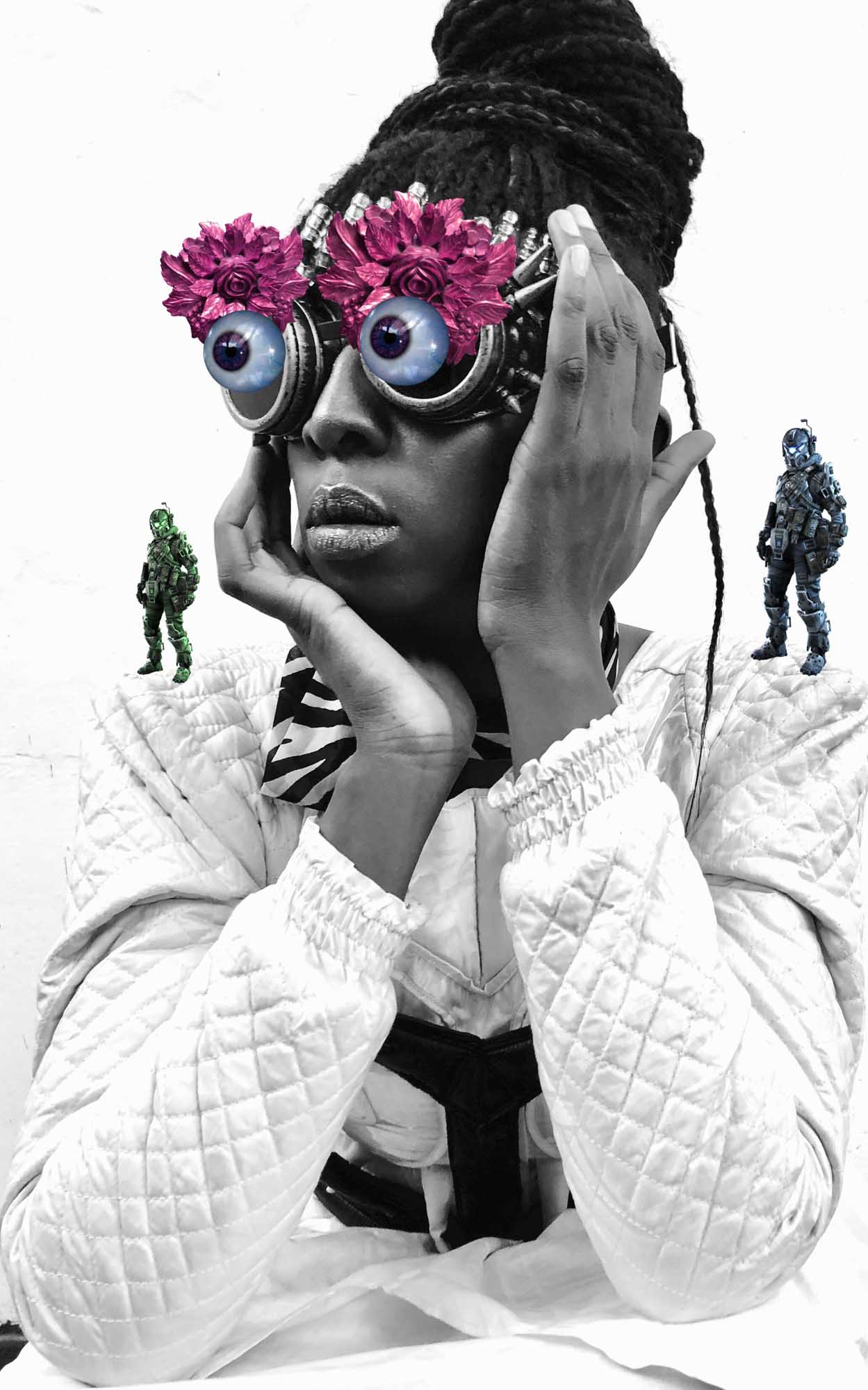
SELLY RABY KANE ist eine renommierte senegalesische Modedesignerin und Künstlerin, die die boomende Kunst- und Designbewegung auf dem Kontinent wesentlich mitgeprägt hat. Neben ihrer Arbeit im Bereich Mode entwickelt sie weitere transdisziplinäre Projekte wie die immersive Ausstellung Elsewhen – eine Science-Fiction, die über die Zukunft des urbanen Lebens in einer imaginären afrikanischen Stadt nachdenkt und auf der Dak‘art 2016 präsentiert wurde. Im Jahr 2017 führte Kane auch Regie bei The Other Dakar, einem 7-minütigen VR-Film, der letztes Jahr im Rahmen von AFRIKAMERA präsentiert wurde.
LE DEPART
Marokko / Frankreich 2020 I OmeU I 25 min
von Saïd Hamich Benlarbi
Marokko, 2004. Der 11-jährige Adil lebt bei seiner Mutter in Marokko, während sein Bruder und sein Vater, der sich von der Mutter getrennt hat, nach Frankreich ausgewandert sind.
Adil verbringt den Sommer mit seinen Freunden spielend und träumt davon, wie sein Idol – der marokkanische Lang- und Mittelstreckenläufer Hicham El Guerrouj – bei den Olympischen Spielen eine Goldmedaille zu gewinnen. Doch dann tauchen sein Vater und Bruder plötzlich auf und möchten Adi mit nach Frankreich nehmen…
SAÏD HAMICH BENLARBI, geboren 1986 in Fès (Marokko), ist Absolvent der Produktionsabteilung von La Fémis und Gewinner des Stipendiums Producteur Cinéma der Lagardère-Stiftung. Er war ausführender Produzent mehrerer Filme, darunter Hope von Boris Lojkine, Ni le ciel ni la terre von Clément Cogitore, Sofia von Meryem Benm’Barek oder Des hommes von Lucas Belvaux. Er hat rund 30 Kurzfilme und mehrere Spielfilme produziert, darunter Much Loved von Nabil Ayouch in Koproduktion, Vent du Nord von Walid Mattar oder Volubilis von Faouzi Bensaïdi.
FR 11 NOV
16.30 ARSENAL
Tickets
AFRIKAMERA SHORTS: MIGRATION & DIASPORA
Rwanda/ Senegal a.o. 2019-2021 I Short Film Program I OmeU I 86 min
in presence of Kantarama Gahigiri (ETHEREALITIY) and Ager Oueslati (EXILÉES)
The program AFRIKAMERA SHORTS: MIGRATION & DIASPORA (Algeria/ Rwanda/ Senegal et al. 2019-2021 / 11.11) focuses on current short formats that address this year’s thematic focus on „Migration & Diaspora.“
ETHEREALITY
by Kantarama Gahigiri
Rwanda / Switzerland 2020 I OmeU I 22 min
in presence of the director
How does it feel to finally come home after being stranded in space for 30 years? ETHEREALITY is a poetic reflection on migration and the sense of belonging.
KANTARAMA GAHIGIRI is a Rwandan filmmaker with a master’s degree in cinema and international relations. She is currently developing the feature film Tanzanite, a futuristic, female-driven, environmentally conscious odyssey set in Kenya in 2045.
CINQ ETOILES
by Mame Woury Thioubou
Senegal / France 2019 I OmeU I 19 min
Most of the time, people talk mainly about the dangers of crossing the desert and the Mediterranean Sea in the context of refugees – less about what happens when the migrants arrive at their destination. In this place called 5 ETOILES (five stars), Malians*, Senegalese*, Guineans* and others find themselves trapped in their dreams. Then a new struggle begins!
MAME WOURY THIOUBOU studied journalism after earning a master’s degree in geography at Cheikh Anta Diop University in Dakar and received a master’s degree in creative documentary from Gaston Berger University of Saint Louis (UGB) in 2009, where she directed her graduation film Face to Face. Her first feature film, Agora Braille, is about the integration of the blind into the Senegalese school system. This interest in social dimensions of documentary film can also be found in her recent films Fifiiré en Pays Cuballo and 5 Etoiles.
EXILÉES (EXILED)
by Ager Oueslati
Algeria / Germany 2019 I OmU I 14 min
in presence of the director
What does a woman experience on the run? What happens to her when she decides to leave her country illegally? When she crosses the border on foot, maybe by bus, but in any case illegally? Women who set out from sub-Saharan countries for Libya and Europe and are stranded in the desert city of Agadez in Niger feel like exiles, outcasts. The film is dedicated to Prisca, a refugee who made it to the North African coast but drowned during the boat trip across the Mediterranean.
Ager Oueslati’s film Exilées is one of ten films made as part of the Rosa Luxemburg Foundation’s Africa-wide work. With 10 views on migration, the Rosa Luxemburg Foundation presented the different perspectives of young filmmakers* on the African continent on migration in and from Africa. Exilées was presented for the first time in November 2019 at the MOViEMENT migration film festival in Athens.
AGER OUESLATI was born in 1987. The director, journalist and photographer has French, Algerian and Tunisian roots. As a photojournalist and filmmaker, she has been working on the history of migration for more than ten years. Exilées, shot in 2019, is her first short film. She is currently researching for her first feature-length film with the working title You Don’t Die Two Times.
TANG JËR
by Selly Raby Kane
Senegal 2020 I OmeU I 14 min
Senegalese fashion and filmmaker Selly Raby Kane’s short film is set in a far from ordinary diner in Dakar. Its owner Onfaaya serves up omelets, soups and meat skewers to his dazzling clientele – from young Makhma and dog-headed bouncer Bara to the ever-whining fish-headed odd-job man Mdou. A fantastically futuristic trip from downtown Dakar that asks us to rethink our definition of community.

SELLY RABY KANE is a renowned Senegalese fashion designer and artist who has been instrumental in shaping the booming art and design movement on the continent. In addition to her work in fashion, she develops other transdisciplinary projects such as the immersive exhibition Elsewhen – a science fiction that reflects on the future of urban life in an imaginary African city, which was presented at Dak’art 2016. In 2017, Kane also directed The Other Dakar, a 7-minute VR film presented last year as part of AFRIKAMERA.
LE DEPART
by Saïd Hamich Benlarbi
Morocco / France 2020 I OmeU I 25 min
Morocco, 2004. 11-year-old Adil lives with his mother in Morocco, while his brother and father, who has separated from their mother, have emigrated to France.
Adil spends the summer playing with his friends and dreaming of winning a gold medal at the Olympics like his idol – Moroccan long and middle distance runner Hicham El Guerrouj. But then his father and brother suddenly appear and want to take Adi with them to France…
SAÏD HAMICH BENLARBI, born in 1986 in Fès (Morocco), is a graduate of the production department of La Fémis and winner of the Lagardère Foundation Producteur Cinéma scholarship. He has been executive producer of several films, including Hope by Boris Lojkine, Ni le ciel ni la terre by Clément Cogitore, Sofia by Meryem Benm’Barek or Des hommes by Lucas Belvaux. He has produced around 30 short films and several feature films, including Much Loved by Nabil Ayouch in co-production, Vent du Nord by Walid Mattar or Volubilis by Faouzi Bensaïdi.
Zanka Contact (BURNING CASABLANCA)
[:de]
DO 10 NOV
21.00 ARSENAL
Tickets
ZANKA CONTACT (BURNING CASABLANCA)
von Ismaël El Iraki
Marokko/ Frankreich | Belgien 2020 | Spielfilm I OmeU I 120 min
Ein Autounfall bringt den Ex-Rocker Larsen und die Sexarbeiterin Rajae zusammen. Neben erlebten Traumata teilen sie ihre Liebe zum Rock‘n’Roll. Getrieben von sadistischen Polizisten, einem schrotflintenschwingenden Gangster und giftigen Schlangen bleibt nur eine Chance, ihre Amour Fou zu retten: die Flucht weg aus der Unterwelt Casablancas – und ihre gemeinsame Leidenschaft zur Musik.
Ismaël El Iraki gelingt mit Zanka Contact (Burning Casablanca) eine mitreißende Hommage an die marokkanische Rock’n’Roll-Szene der 70er Jahre und den italienischen Western. Die Hauptdarstellerin Khansa Batma wurde bei den Filmfestspielen von Venedig 2020 für ihre schauspielerische Leistung mit dem Orizzonti-Preis ausgezeichnet.
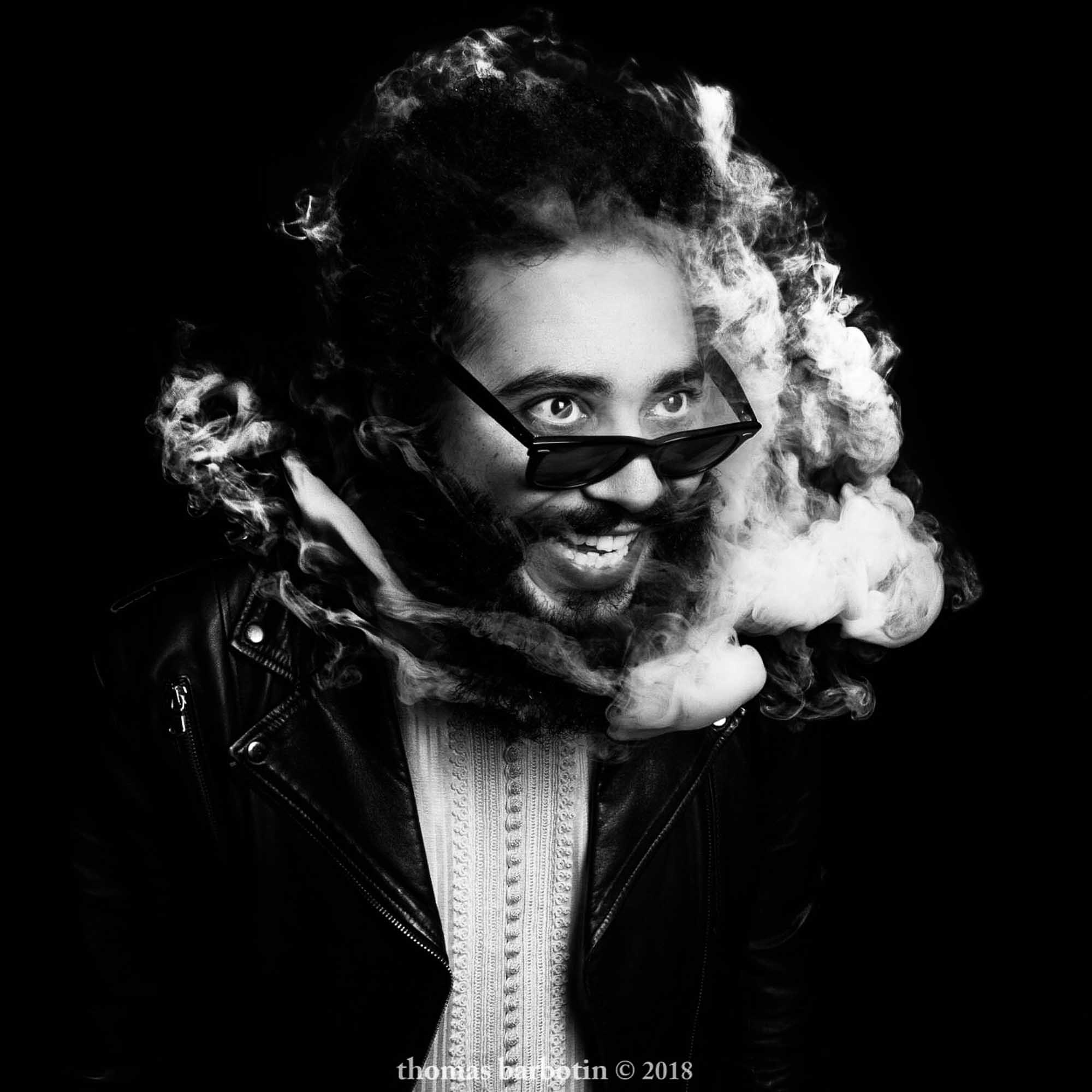
ISMAËL EL IRAKI, geboren1983, lebt zwischen Casablanca und Paris, wo er an der La Femis Regie studierte. Seine preisgekrönten, auf den Filmfestivals von Cannes und Clement Ferrand präsentierten Kurzfilme erfanden neue Gattungstypen, die in seiner marokkanischen Heimat angesiedelt sind. Als leidenschaftlicher Live-Musiker gründete Ismaël eine Firma für Konzertaufnahmen in Paris, machte Fotos für Musikbands und realisierte eine Videoinstallation für die Architekturbiennale 2014 in Venedig. Zanka Contact ist sein erster Spielfilm.
THU 10 NOV
21.00 ARSENAL
Tickets
ZANKA CONTACT (BURNING CASABLANCA)
by Ismaël El Iraki
Morocco/ France | Belgium 2020 | Feature film I OmeU I 120 min
A car accident brings ex-rocker Larsen and sex worker Rajae together. Besides experienced traumas, they share their love for rock’n’roll. Driven by sadistic policemen, a shotgun-wielding gangster and poisonous snakes, only one chance remains to save their amour fou: escape from Casablanca’s underworld – and their shared passion for music.
Ismaël El Iraki’s Zanka Contact (Burning Casablanca) is a rousing homage to the Moroccan rock’n’roll scene of the 1970s and the Italian Western. Lead actress Khansa Batma was awarded the Orizzonti Prize at the 2020 Venice Film Festival for her acting performance.

ISMAËL EL IRAKI, born in 1983, lives between Casablanca and Paris, where he studied directing at La Femis. His award-winning short films, presented at the Cannes and Clement Ferrand film festivals, invented new genres based in his Moroccan homeland. A passionate live musician, Ismaël founded a concert recording company in Paris, took photos for music bands and realized a video installation for the 2014 Venice Architecture Biennale. Zanka Contact is his first feature film.
FATHER‘S DAY
[:de]
Do 10 NOV
21.00 HUMBOLDT FORUM
Tickets
FATHER‘S DAY
von Kivu Ruhorahoza
Ruanda 2022 I Spielfilm I OmeU I 111 min
In Anwesenheit des Ko-Produzenten Innocent Munyeshuri
Das intime Drama des ruandischen Regisseurs Kivu Ruhorahoza erzählt drei miteinander verwobene Geschichten, die in dem ostafrikanischen Land vor dem Hintergrund des Genozids spielen, ohne diesen jedoch zu benennen. Eine Mutter versucht, mit dem Verlust ihres einzigen Sohnes fertig zu werden, der bei einem Unfall ums Leben gekommen ist und entfremdet sich von ihrem Mann. Eine junge Frau pflegt ihren bettlägerigen Vater, einen ehemaligen Militär, den sie nie wirklich geliebt hat und bereitet sich dennoch auf eine Organspende vor, die ihm das Leben retten könnte. Ein kleiner Junge zieht mit seinem Vater, einem Kleinkriminellen mit mangelnder Impulskontrolle, durch die Stadt, der ihm beibringt, wie man Metallteile aus Autos sammelt oder Haustiere stiehlt, um sie auf der Straße zu verkaufen. Der dritte Spielfilm Kivu Ruhorahozas ist einerseits eine bittere Anklage patriarchaler Macht, andererseits ein Dokument der Hoffnung, getragen von seinen starken Frauenfiguren. Der mit einem Mikrobudget von 50.000 Dollar gedrehte Film, der seine Premiere bei der diesjährigen Berlinale in der Sektion Encounters feierte, gilt vielen Kritiker*innen bereits jetzt als einer der besten afrikanischen Filme des Jahres.
KIVU RUHORAHOZA, geboren 1982 in Ruanda, arbeitet als Filmemacher, Autor und Medienkünstler. Seine filmischen und künstlerischen Werke wurden unter anderem auf den Filmfestivals wie Sundance, in Sydney und Venedig und in Museen wie der Tate Modern und dem MoMA gezeigt. Seine Texte werden bei den Éditions Magellan in Paris verlegt und erscheinen in der Zeitschrift „Chimurenga“.
[:en]
THU 10 NOV
21.00 HUMBOLDT FORUM
Tickets
FATHER‘S DAY
by Kivu Ruhorahoza
Rwanda 2022 I Feature film I OmeU I 111 min
In the presence of co-producer Innocent Munyeshuri
Rwandan director Kivu Ruhorahoza’s intimate drama tells three interwoven stories set in the East African country against the backdrop of genocide, but without naming it. A mother tries to cope with the loss of her only son, who died in an accident, and becomes estranged from her husband. A young woman cares for her bedridden father, a former military man she never really loved, yet prepares for an organ donation that could save his life. A young boy wanders the city with his father, a petty criminal with poor impulse control, who teaches him how to collect metal parts from cars or steal pets to sell on the street. Kivu Ruhorahoza’s third feature is on the one hand a bitter indictment of patriarchal power, and on the other a document of hope, carried by its strong female characters. Shot on a micro-budget of $50,000, the film premiered at this year’s Berlinale in the Encounters section and is already considered by many critics to be one of the best African films of the year.
KIVU RUHORAHOZA, born in Rwanda in 1982, works as a filmmaker, author and media artist. His cinematic and artistic works have been shown at film festivals such as Sundance, in Sydney and Venice, and in museums such as the Tate Modern and MoMA. His texts are published by Éditions Magellan in Paris and appear in the magazine „Chimurenga“.
[:]
Le Mali 70
[:de]
DO 10 NOV
18.30 ARSENAL
Tickets
LE MALI 70
von Markus CM Schmidt
Mali/ Deutschland 2021 I Dokumentarfilm I OmeU I 93 min
in Anwesenheit des Regisseurs
WDH 11.11. | 18.00 BROTFABRIKKINO – In Anwesenheit von Mitgliedern des Omniversal Earkestras
Tickets
Nach der Unabhängigkeit Malis entstand in den 1960er und 70er Jahren eine pulsierende Bigband-Szene, charakterisiert durch einen noch nie gehörten Sound: lokale Musiktraditionen der Dogon, Wassalou oder Tuareg mischten sich mit kubanisch beeinflussten, funkigen Bläsersätzen. In LE MALI 70 begleitet der deutsche Regisseur Markuc CM Schmidt die Musiker des Berliner Big-Band Projekts Omniversal Earkestra auf ihrer musikalischen Forschungsreise nach Mali, um dort legendäre musikalische Altmeister wie Cheick Tidiane Seck, Sory Bamba, Abdoulaye Diabaté und Salif Keita zu treffen. Im Zuge der Reise zu den Heimatorten der heute im globalen Norden nahezu vergessenen Bands wie der Mystère Jazz de Tombouctou, der Kanaga de Mopti, der Super Bitons de Segou und der Railband aus Bamako entstanden eigenwillige moderne Bigband-Arrangements der alten Stücke, die schließlich in der Abschlusswoche der Reise im legendären Moffou-Studio Badiala Male von Salif Keita gemeinsam mit lokalen Musikern aufgenommen wurden – das Projekt MALI 70 ward damit geboren. Die mitreißende Dokumentation macht den Afrolatin-Brassband-Funk mit betörenden Mandinka-, Dogon-, oder Sonray-Melodien zum Erlebnis.
MARKUS CM SCHMIDT arbeitet seit 1994 hauptsächlich als Filmeditor und Tonmeister an Dokumentar- und Fernsehfilmen. Während seines Schnittstudiums an der HFF „Konrad Wolf“ in Potsdam drehte er seinen ersten Dokumentarfilm Die Kinder von Sachsenhausen (1994), gefolgt von Volles Rohr (1996). Im Golfkriegsjahr 2003 gründete Markus eine Filmemacher-Initiative, aus der der kritische Antikriegsfilm Freedom2speak hervorging und auf internationalen Festivals tourte. Anschließend entwickelte und realisierte er im Ostkongo das große Format Sleeping Monsters, das 2008 erstmals auf ARTE ausgestrahlt wurde. Für seinen Film The Last Catch (2012) recherchierte Markus ausgiebig bei Fischern in Südfrankreich und konnte so auf einem Thunfischboot drehen. Der Film wurde mit dem CinemAmbiente Award in Turin und dem NaturVision Preis in Ludwigsburg ausgezeichnet. Auch die von Markus Schmidt geschnittenen Filme sind vielfach ausgezeichnet worden. So gewann The Other Chelsea (Jakob Preuss, 2010) den Preis für den besten Dokumentarfilm beim Max-Ophüls-Preis (2011) und den Grimme-Preis (2012). Mali Blues (Lutz Gregor, 2016) wurde mit dem Deutschen Dokumentarfilmpreis ausgezeichnet. Es folgten die international beachteten Filme Dream Boat (2016, Tristan Ferland Milewski), The Cleaners (2017, Moritz Riesewieck & Hans Block) und Garage People (2020, Natalija Yefimkina).
THU 10 NOV
18.30 ARSENAL
Tickets
LE MALI 70
by Markus CM Schmidt
Mali/ Germany 2021 I Documentary I OmeU I 93 min
in presence of the director
REPETITION 11.11. | 18.00 BROTFABRIKKINO – In presence of members of the Omniversal Earkestras
Tickets
After Mali’s independence, a vibrant big band scene emerged in the 1960s and 70s, characterized by a sound never heard before: local musical traditions of the Dogon, Wassalou or Tuareg mixed with Cuban-influenced, funky horn sections. In LE MALI 70, German director Markuc CM Schmidt accompanies the musicians of the Berlin-based big band project Omniversal Earkestra on their musical research trip to Mali to meet legendary musical veterans such as Cheick Tidiane Seck, Sory Bamba, Abdoulaye Diabaté and Salif Keita. In the course of the journey to the home towns of the bands that are almost forgotten in the global north today, such as the Mystère Jazz de Tombouctou, the Kanaga de Mopti, the Super Bitons de Segou and the Railband from Bamako, idiosyncratic modern big band arrangements of the old pieces were created, which were finally recorded by Salif Keita together with local musicians in the legendary Moffou Studio Badiala Male in the final week of the trip – the MALI 70 project was thus born. The rousing documentary makes the Afrolatin brass band funk with beguiling Mandinka, Dogon, or Sonray melodies an experience.
MARKUS CM SCHMIDT has been working mainly as a film editor and sound engineer on documentaries and television films since 1994. During his editing studies at the HFF „Konrad Wolf“ in Potsdam, he made his first documentary Die Kinder von Sachsenhausen (1994), followed by Volles Rohr (1996). In 2003, the year of the Gulf War, Markus founded a filmmaking initiative that resulted in the critical anti-war film Freedom2speak, which toured international festivals. He then developed and realized the major format Sleeping Monsters in Eastern Congo, which was first broadcast on ARTE in 2008. For his film The Last Catch (2012), Markus researched extensively with fishermen in the South of France and was thus able to shoot on a tuna boat. The film won the CinemAmbiente Award in Turin and the NaturVision Award in Ludwigsburg. The films edited by Markus Schmidt have also won numerous awards. For example, The Other Chelsea (Jakob Preuss, 2010) won the award for best documentary at the Max Ophüls Prize (2011) and the Grimme Prize (2012). Mali Blues (Lutz Gregor, 2016) was awarded the German Documentary Film Prize. This was followed by the internationally acclaimed films Dream Boat (2016, Tristan Ferland Milewski), The Cleaners (2017, Moritz Riesewieck & Hans Block) and Garage People (2020, Natalija Yefimkina).
JE DEMANDE LA ROUTE
DO 10 NOV
18.00 HUMBOLDT FORUM
JE DEMANDE LA ROUTE
Tickets
Theaterperformance
von Roukiata Ouedraogo, französisch mit dt. OT I 80 min
Text, Regie: Stéphane Eliard, Roukiata Ouedraogo, Darstellerin: Roukiata Ouedraogo, Künstlerische Mitarbeit: Ali Bougheraba
Im Anschluss Gespräch mit der Künstlerin.
Die burkinische Autorin und Schauspielerin Roukiata Ouedraogo erzählt mit viel Spott und Selbstironie von ihrem an Abenteuern reichen Lebensweg, der sie von der Grundschule in Burkina Faso auf die Pariser Bühnen geführt hat. JE DEMANDE LA ROUTE ist eine Initiationsreise in eine Welt voller Rohheiten und eine gleichermaßen witzige wie feinfühlige Reflexion über kulturelle Unterschiede. Ihre Ankunft in Frankreich als mittellose Migrantin, ein beruflicher Werdegang ohne Schulabschluss von Gelegenheitsjobs bis hin zum Besuch der berühmten Schauspielschule am Cours Florent: Ouedraogo nimmt ihr Schicksal selbst in die Hand. JE DEMANDE LA ROUTE macht aus diesem persönlichen Zeugnis ein gleichermaßen witziges wie auch bewegendes Epos.
ROUKIATA OUEDRAOGO, geboren 1979 in Burkina Faso, ging nach dem Abitur nach Paris um Modedesign zu studieren. Sie absolvierte im Anschluss an diverse Jobs jedoch eine Schauspielausbildung und inszenierte beim Studienabschluss 2008 Yennenga, das Epos der Mossé. 2012 kreierte sie eine One-Woman-Show mit dem Titel Ouagadougou pressé, in der sie insbesondere über sich selbst und Einwanderung spricht. Diese Show wurde 2015 in verschiedenen Städten Westafrikas und dann in ganz Frankreich gezeigt. 2015 schuf sie ihre dritte Arbeit Tombe le masque, in der sie sich mit den kulturellen Unterschieden zwischen Afrika und Frankreich sowie Themen wie der weiblichen Genitalverstümmelung befasst. Ihre aktuellste Produktion Je demande la route wurde im Januar 2018 in Paris im Théâtre du Lucernaire uraufgeführt.
[:en]
THU 10 NOV
18.00 HUMBOLDT FORUM
JE DEMANDE LA ROUTE
Tickets
Theater performance
by Roukiata Ouedraogo, French with German OT I 80 min
text, director: Stéphane Eliard, Roukiata Ouedraogo, performer: Roukiata Ouedraogo, artistic collaboration: Ali Bougheraba
Followed by a talk with the artist
The Burkinabe author and actress Roukiata Ouedraogo recounts with much mockery and self-irony her life’s journey, rich in adventures, which has led her from elementary school in Burkina Faso to the stages of Paris. JE DEMANDE LA ROUTE is an initiatory journey into a world of rawness and a reflection on cultural differences that is both witty and sensitive. Her arrival in France as a penniless migrant, a professional career without a school diploma ranging from odd jobs to attending the famous acting school at the Cours Florent: Ouedraogo takes her fate into her own hands. JE DEMANDE LA ROUTE turns this personal testimony into an epic that is both funny and moving.
ROUKIATA OUEDRAOGO, born in 1979 in Burkina Faso, went to Paris after high school to study fashion design. However, following various jobs, she trained as an actress and at graduation in 2008 directed Yennenga, the epic of the Mossé. In 2012, she created a one-woman show called Ouagadougou pressé, in which she talks in particular about herself and immigration. This show was shown in 2015 in various cities in West Africa and then throughout France. In 2015, she created her third work Tombe le masque, in which she deals with the cultural differences between Africa and France, as well as issues such as female genital mutilation. Her most recent production Je demande la route premiered in Paris at the Théâtre du Lucernaire in January 2018.
Fati’s Choice
[:de]
MI 9 NOV
19.00 IN KOOPERATION MIT DER HEINRICH-BÖLL-STIFTUNG
und als Video on Demand at INDIEKINOKLUB
FATI‘S CHOICE
von Fatimah Dadzie
Ghana | Südafrika 2021 | Dokumentarfilm | OmeU I 45 min
Film und Diskussion
In der Heinrich-Böll-Stiftung in Anwesenheit der Regisseurin
Anschließend Ausklang mit Getränken. Eintritt frei. Bitte hier anmelden
Fati hat den mühsamen und gefährlichen Weg aus ihrem Dorf in Ghana bis nach Europa auf sich genommen. Desillusioniert von ihrer Zeit in Italien und getrieben von der Sehnsucht nach ihren Kindern, die sie zurücklassen musste, kehrt sie in ihre Heimat zurück. In ihrer Dorfgemeinschaft stößt sie auf Unverständnis und Unmut. Wie konnte sie diese Chance auf ein besseres Leben für sich und ihre ganze Familie ungenutzt lassen?
Der bewegende Dokumentarfilm der ghanaischen Filmemacherin Fatimah Dadzie offeriert einen Perspektivwechsel, der auch die gängige deutsche Migrations- und insbesondere Rückkehrpolitik kontrastiert. Wie ist es für Menschen, die aus Europa zurückzukehren? Warum will niemand von ihren Schwierigkeiten in der Fremde wissen und wie wirkt der gesellschaftliche Druck auf Migrant*innen? Wie freiwillig ist letztlich Rückkehr? Gehen deutsche Programme zur Rückkehr auf solche Realitäten ein? Was könnte sich ändern?
Im Anschluss an das Screening Gespräch mit der Regisseurin Fatimah Dadzie und Valentin Feneberg (wissenschaftlicher Mitarbeiter, Humboldt Universität zu Berlin)
Moderation: Kirsten Krampe, Leitung Afrika-Referat der Heinrich-Böll-Stiftung
FATIMAH DADZIE arbeitet als Content Producerin und Kommunikationsexpertin, zudem ist sie seit mehr als 10 Jahren in den Bereichen Video- und Radioproduktion, Werbung und New Media Marketing tätig. Dadzie hält einen BFA-Abschluss in Film- und Fernsehproduktion (Animation) vom National Film and Television Institute und einen Master-Abschluss in Kommunikation, Medien und Public Relations von der University of Leicester (UK). Fati‘s Choice wurde unter anderem beim Global Migration Film Festival 2021 als „Best Feature Documentary“ ausgezeichnet.
WED 9 NOV
19.00 IN COOPERATION WITH THE HEINRICH-BÖLL-FOUNDATION
and as Video on Demand bei INDIEKINOKLUB
FATI’S CHOICE
by Fatimah Dadzie
Ghana | South Africa 2021 | Documentary | OmeU I 45 min
Film and discussion
At the Heinrich Böll Foundation in the presence of the director.
Followed by drinks. Free admission. Please register here
Fati has taken the arduous and dangerous journey from her village in Ghana to Europe. Disillusioned by her time in Italy and driven by the longing for her children, whom she had to leave behind, she returns to her home country. In her village community she encounters incomprehension and resentment. How could she let this chance for a better life for herself and her whole family go by?
The moving documentary by Ghanaian filmmaker Fatimah Dadzie offers a change of perspective that also contrasts the current German migration and especially return policy. What is it like for people to return from Europe? Why does no one want to know about their difficulties in a foreign country and how does social pressure affect migrants? How voluntary is return in the end? Do German programs on return address such realities? What could change?
After the screening, discussion with the director Fatimah Dadzie and Valentin Feneberg (research assistant, Humboldt University Berlin).
Moderation: Kirsten Krampe, Head of the Africa Department of the Heinrich Böll Foundation
FATIMAH DADZIE works as a content producer and communications expert, and has also worked in video and radio production, advertising and new media marketing for more than 10 years. Dadzie holds a BFA degree in Film and Television Production (Animation) from the National Film and Television Institute and a Master’s degree in Communications, Media and Public Relations from the University of Leicester (UK). Fati’s Choice won „Best Feature Documentary“ at the 2021 Global Migration Film Festival, among other awards.
Nayola
[:de]
MI 9 NOV
19.00 ARSENAL
Tickets
NAYOLA
von José Miguel Ribero
Portugal / Belgien / Frankreich / Niederlande 2022 | Animation | OmeU | 83 min
Berlinpremiere
WDH 10.11. | 18.00 BROTFABRIKKINO
Tickets
Mitte der 90er Jahre, in Angola tobt bereits seit 20 Jahren ein blutiger Bürgerkrieg. Die junge Nayola lässt ihre Tochter Yara bei ihrer Mutter zurück, um sich auf die Suche nach ihrem Mann Ekumbi zu machen, der als Guerillakämpfer in den Krieg gezogen ist. Yara bleibt bei ihrer Großmutter Lelena zurück. Aber auch 2011, als schon länger endlich Frieden herrscht, ist Nayola immer noch nicht zurückgekehrt, während sich Yara, mittlerweile in der Pubertät, zu einer rebellischen Teenagerin entwickelt hat, die mit Rapmusik gegen die autoritären politischen Verhältnisse aufbegehrt. Lelena versucht wiederum, ihre Enkelin vor polizeilicher Verfolgung zu schützen – bis eines Nachts ein maskierter Mann in ihr Haus eindringt…
Ribeiro gelingt mit seiner 2D/3D computeranimierten Kriegserzählung ein Portrait von drei Generationen von Frauen, die alle auf unterschiedliche Art und Weise vom Bürgerkrieg traumatisiert wurden, das die Zuschauenden mit seiner fast mystischen Qualität in den Bann zieht. Der Film feierte seine Premiere beim renommierten Festival d’Animation in Annecy.
JOSÉ MIGUEL RIBEIRO (*1966 in Portugal) schloss ein Studium an der Hochschule für Bildende Künste in Lissabon ab und hat sich seitdem einen Namen im Bereich des Animationsfilm gemacht. Mit Nayola realisierte er den ersten portugiesischen Lang-Animationsfilm überhaupt.
WED 9 NOV
19.00 ARSENAL
Tickets
NAYOLA
by José Miguel Ribero
Portugal / Belgium / France / Netherlands 2022 | Animation | OmeU | 83 min
Berlin premiere
REPETITION 10.11. | 18.00 BROTFABRIKKINO
Tickets
In the mid-90s, a bloody civil war has been raging in Angola for 20 years. Young Nayola leaves her daughter Yara with her mother to go in search of her husband Ekumbi, who has gone to war as a guerrilla fighter. Yara stays behind with her grandmother Lelena. But even in 2011, when peace has finally prevailed for some time, Nayola has still not returned, while Yara, now in puberty, has developed into a rebellious teenager who rebels against the authoritarian political conditions with rap music. Lelena, in turn, tries to protect her granddaughter from police persecution – until a masked man enters her house one night….
Ribeiro’s 2D/3D computer-animated war narrative succeeds in creating a portrait of three generations of women, all traumatized in different ways by the Civil War, that captivates viewers with its almost mystical quality. The film premiered at the prestigious Festival d’Animation in Annecy.
JOSÉ MIGUEL RIBEIRO (*1966 in Portugal) graduated from the Lisbon School of Fine Arts and has since made a name for himself in the field of animated film. With Nayola he realized the first ever Portuguese long-animation film.
Sawah
[:de]
DI 8 NOV
19.30 ARSENAL
Tickets
ERÖFFNUNG SAWAH
von Adolf El Assal
Ägypten / Luxemburg / Belgien 2020 | Spielfilm | OmeU I 86 min
in Anwesenheit des Regisseurs und des Darstellers Eric Kabongo
WDH 12.11. | 18.30 HUMBOLDT FORUM
Tickets
Adolf El Assals Tragikomödie SAWAH erzählt von der Odyssee des jungen ägyptischen DJs Samir, dessen Flugzeug auf der Reise zu einem DJ-Festival von Kairo nach Brüssel plötzlich streikbedingt nach Luxemburg umgeleitet wird. Als wäre das nicht schon genug, geht auch noch sein Gepäck mitsamt Pass und Musikaufnahmen verloren, und man hält ihn für einen Geflüchteten. Fortan sitzt er in einem ihm unbekannten Land fest und begegnet Menschen, die ihm helfen wollen, nach Belgien zu gelangen und sich einen Namen als DJ zu machen. Gleichzeitig bricht in seinem Heimatland eine Revolution aus…
ADOLF EL ASSAL, geboren 1981 in Alexandria (Ägypten), wuchs in Dubai, London und Luxemburg auf. Nach seinem Studium im Fach Filmregie an der Kingston University in London beteiligte er sich an Musikclips und Kurzfilmen für das Fernsehen. 2008 produzierte Adolf El Assal den No-Budget-Film Divizionz, der unter anderem im Rahmen von AFRIKAMERA präsentiert wurde. Später drehte er in weniger als zwei Wochen seinen ersten Langfilm, den Guerilla-Film Reste bien, mec! (2009). Seither schrieb, produzierte und filmte er preisgekrönten Kurzfilme wie La Fameuse Route… (2010) und Mano de Dios (2010), die beide auf dem Luxembourg City Film Festival vorgestellt wurden. 2012 realisierte er seinen zweiten Langfilm Les Gars. Sawah (2019) ist sein dritter Langfilm.
ERIC KABONGO ist ein belgischer Schauspieler, und Musiker. Er wurde in der Republik Kongo geboren, im Alter von 13 Jahren verließ er seine Heimat und wuchs in einem kleinen flämischen Dorf in Belgien auf.
Eric Kabongo steht seit 2013 für Film und Fernsehen vor der Kamera. Er wurde in Deutschland 2016 mit dem Film „Willkommen bei den Hartmanns“ als Diallo Makabouri bekannt. Für diese Hauptrolle wurde er 2017 mit dem deutschen Comedy Preis und dem Bambi Film National 2017 ausgezeichnet.
TUE 8 NOV
19.30 ARSENAL
Tickets
OPENING SAWAH
by Adolf El Assal
Egypt / Luxembourg / Belgium 2020 | Feature film | OmeU I 86 min
in presence of the director and actor Eric Kabongo
REPETITION 12.11. | 18.30 HUMBOLDT FORUM
Tickets
Adolf El Assal’s tragicomedy SAWAH tells of the odyssey of the young Egyptian DJ Samir, whose plane is suddenly diverted to Luxembourg due to a strike on his way to a DJ festival from Cairo to Brussels. As if that weren’t enough, his luggage is lost along with his passport and music recordings, and he is mistaken for a refugee. From then on, he is stuck in a country he doesn’t know and meets people who want to help him get to Belgium and make a name for himself as a DJ. At the same time, a revolution breaks out in his home country…
ADOLF EL ASSAL, born in Alexandria (Egypt) in 1981, grew up in Dubai, London and Luxembourg. After studying film directing at Kingston University in London, he participated in music clips and short films for television. In 2008, Adolf El Assal produced the no-budget film Divizionz, which was presented at AFRIKAMERA and other events. Later, in less than two weeks, he shot his first feature-length film, the guerrilla film Reste bien, mec! (2009). Since then, he wrote, produced and filmed award-winning short films such as La Fameuse Route… (2010) and Mano de Dios (2010), both presented at the Luxembourg City Film Festival. In 2012, he realized his second feature film Les Gars. Sawah (2019) is his third feature film.
Eric Kabongo is a Belgian actor, and musician. He was born in the Republic of Congo, left home at the age of 13 and grew up in a small Flemish village in Belgium.
Eric Kabongo has been in front of the camera for film and television since 2013. He became known in Germany in 2016 with the film „Willkommen bei den Hartmanns“ as Diallo Makabouri. In 2017, he was awarded the German Comedy Prize and the Bambi Film National 2017 for this leading role.
[:]
Fotos 2021
15 NOV 2021
16 NOV 2021
17 NOV 2021
18 NOV 2021
19 NOV 2021
20 NOV 2021
21 NOV 2021
[:en]
15 NOV 2021
16 NOV 2021
17 NOV 2021
18 NOV 2021
19 NOV 2021
20 NOV 2021
21 NOV 2021
[:]
Afrikamera 2021: Urban Africa, Urban Movies – Africa in VR
[:de]
17 NOV — 21 NOV
HUMBOLDT FORUM
Afrikamera 2021: Urban Africa, Urban Movies – Africa in VR
während der Öffnungszeiten des Hauses, Eintritt frei
In Zusammenarbeit mit dem südafrikanischen Non-Profit Inkubator Electric South werden im Rahmen von Afrikamera 2021: Urban Africa, Urban Movies insgesamt fünf VR-Produktionen präsentiert, die sich auf sehr unterschiedliche künstlerische Art und Weise mit dem Leben in den Metropolen Nairobi, Accra, Lagos, Dakar und Johannesburg auseinandersetzen.
An der Schnittstelle zwischen Film, bildender Kunst, Fashion und Gaming werden so erweiterte Formen cinematografischer Erfahrung möglich.
Lagos at Large
Jumoke Sanwo / Nigeria, Südafrika 2019 / 11 min
Wo beginnt das reale Lagos und wo endet es? Lagos von 5.20 p.m. bis 10 p.m.
Geleitet von den Worten der Spoken Word-Künstlerin Njideka Iroh bewegt sich die Kamera von Regisseurin Jumoke Sanwo zu Fuß, mit Bussen, mit dem Auto durch verschiedene Stadträume der Megametropole, vorbei an Marktplätzen, öffentlichen Denkmälern, Orten der Freizeitgestaltung. So entfaltet sich eine Erzählung, die sich mit Fragen der Klassenspaltung, der internationalen Entwicklung, der Wirtschaftspolitik und den Unterschieden zwischen denen, die aus der Diaspora zurückgekehrt sind, und denen, die Lagos niemals verlassen haben, auseinandersetzt – ein Streifzug durch den imaginären wie auch den materiellen Raum von Lagos, in dem sich autobiografisches und kritisches Engagement vermischen.
Nairobi Berries
Ng’endo Mukii / Kenia 2018 / 7.51 min
„Nairobi, | love you most“. Die Regisseurin und Fotografin Ng’endo Mukii aus Kenia präsentiert mit ihrer VR-Arbeit „Nairobi Berries“ in ausdruckstarken, surrealen Bildern zwischen Realfilm und Animation eine poetische Auseinandersetzung mit ihrer Heimatstadt Nairobi – getragen von ihrer Stimme, trifft in dieser Produktion Poetry auf VR-Kunst.
The other Dakar
Selly Raby Kane / Senegal 2017 / 7:35 min
Die senegalesische Modedesignerin Selly Raby Kane zeigt eine faszinierende 360° Arbeit, in der ein kleines Mädchen auserwählt wird, das unsichtbare Dakar zu entdecken. Senegalesische Mythologie trifft auf Fashionentwürfe, von denen sich bereits Künstler*innen wie Beyoncé, Nai Palm (Hiatus Kaiyote) und DaaraJ haben inspirieren lassen.
Spirit Robot
Jonathan Dotse / Ghana 2017 / 8.34 min
Die VR-Arbeit des Science Fiction-Autors und Gründers der Website Afrocyberpunk Jonathan Dotse aus Ghana gibt mit Bildern und Quotes von beteiligten Künstler*innen Einblick in das Chale Wote Street Art Festival, das seit 2011 in der ghanaischen Hauptstadt Accra stattfindet und der lokalen urbanen Kunstszene eine Sichtbarkeit im Öffentlichen Raum geben möchte. Dabei definiert sich das Festival als Möglichkeitsraum für Kollaboration und gesellschaftliche Weiterentwicklung.
Here
Shelley Berry / Südafrika 2019 / 10.13 min
Vor der Skyline von Johannesburg-Hillbrow performen verschiedene Künstler*innen mit Behinderung ihre Vision von Inklusion und Empowerment im Post-Apartheid-Südafrika.
Die VR-Produktion der nach einem Überfall selbst im Rollstuhl sitzenden, mehrfach preisgekrönten südafrikanischen Regisseurin Shelley Berry feierte ihre Weltpremiere beim National Arts Festival 2019 in Grahamstown, South Africa.
Mit englischer Gebärdensprachdolmetschung.
Der Eintritt zur VR-Lounge ist frei, die Nutzung der einzelnen VR-Stationen limitiert.
Es kann zu Wartezeiten kommen.
Kuration: Urban Africa, Urban Movies – Africa in VR / Florian Wachinger
[:en]
17 NOV — 21 NOV
HUMBOLDT FORUM
Afrikamera 2021: Urban Africa, Urban Movies – Africa in VR
During the opening hours of the house: Admission free
In collaboration with the South African non-profit incubator Electric South, Afrikamera 2021: Urban Africa, Urban Movies will present a total of five VR productions that deal with life in the metropolises of Nairobi, Accra, Lagos, Dakar and Johannesburg in very different artistic ways. At the intersection of film, visual art, fashion and gaming, expanded forms of cinematographic experience are thus made possible.
Lagos at Large
Jumoke Sanwo / Nigeria, South Africa 2019 / 11 min
Where does the real Lagos begin and where does it end? Lagos from 5.20 p.m. to 10 p.m.
Guided by the words of spoken word artist Njideka Iroh, director Jumoke Sanwo’s camera moves through various urban spaces of the mega-metropolis on foot, by bus, by car, past marketplaces, public monuments, places of leisure. In this way, a narrative unfolds that addresses issues of class division, international development, economic policy, and the differences between those who have returned from the diaspora and those who have never left Lagos – a foray through the imaginary as well as the material space of Lagos in which autobiographical and critical engagement intermingle.
Nairobi Berries
Ng’endo Mukii / Kenya 2018 / 7:51 min
„Nairobi, | love you most“. With her VR work „Nairobi Berries“, director and photographer Ng’endo Mukii from Kenya presents a poetic exploration of her hometown Nairobi in expressive, surreal images between real film and animation – carried by her voice, poetry meets VR art in this production.
The other Dakar
Selly Raby Kane / Senegal 2017 / 7:35 min
D Senegalese fashion designer Selly Raby Kane presents a fascinating 360° work in which a little girl is chosen to discover the invisible Dakar. Senegalese mythology meets fashion designs that have already inspired artists* such as Beyoncé, Nai Palm (Hiatus Kaiyote) and DaaraJ.
Spirit Robot
Jonathan Dotse / Ghana 2017 / 8:34 min
The VR work of the science fiction author and founder of the website Afrocyberpunk Jonathan Dotse from Ghana gives insight into the Chale Wote Street Art Festival with images and quotes from participating artists*, which has been taking place in the Ghanaian capital Accra since 2011 and aims to give the local urban art scene visibility in public space. The festival defines itself as a space for collaboration and social development.
Here
Shelley Berry / South Africa 2019 / 10:13 min
In front of the Johannesburg-Hillbrow skyline, various artists* with disabilities perform their vision of inclusion and empowerment in post-apartheid South Africa.
The VR production by multi-award-winning South African director Shelley Berry, who is herself in a wheelchair after an assault, celebrated its world premiere at the 2019 National Arts Festival in Grahamstown, South Africa.
With English sign language interpretation.
Admission to the VR Lounge is free, with limited use of individual VR stations.
There may be waiting times.
Curation: Urban Africa, Urban Movies – Africa in VR / Florian Wachinger
[:]
Freda
[:de]
SO 21 NOV
20.30 ARSENAL
TICKETS
von Gessica Généus
Benin, Haiti, Frankreich | 2021 | 99 min | OmE
Deutschlandpremiere
AFRIKAMERA schließt mit einer Produktion aus der afrikanischen Diaspora.
Freda lebt mit ihrer Familie in einer populären Gegend im zunehmend unruhigen Port-au-Prince. Sie sorgt sich um ihre Ausbildung und die Zukunft ihres zerfallenden Heimatlandes. Freda, ihr materialistischer Bruder Moïse und ihre jüngere Schwester Esther kommen über die Runden, indem sie zusammen mit ihrer strenggläubigen evangelikalen Mutter Jeanette in dem kleinen Ladengeschäft in ihrem Haus arbeiten. Inmitten des wachsenden Chaos verfolgt jedes der Geschwister seine eigene Vorstellung von Glück. Einer nach dem anderen erhält die Chance, das gefährliche Port-au-Prince hinter sich zu lassen. Doch Freda will bleiben und kämpft zugleich in der Schule gegen die fortschreitende Auslöschung der haitianischen Kultur durch weiße Einflüsse.
Das beeindruckende Familiendrama, zugleich ein politischer Film gegen die patriarchalische Unterdrückung in Haiti, feierte seine Premiere beim diesjährigen Filmfestival in Cannes in der Reihe „Un certain regard“.
Gessica Généus ist Schauspielerin, Sängerin und Regisseurin aus Haiti. Sie begann ihre Karriere mit 17 Jahren. Nach dem schweren Erdbeben in Haiti im Jahr 2010 engagierte sie sich aktiv für den Wiederaufbau ihres Landes und begann, für die Vereinten Nationen zu arbeiten. Dann erhielt sie ein Stipendium für ein Studium an der Acting International in Paris. Nach ihrer Rückkehr nach Haiti gründete sie ihre eigene Produktionsfirma, Ayizian Productions. Zwischen 2014 und 2016 führte Gessica Regie bei „Vizaj Nou“, einer Serie von Kurzporträts über wichtige Persönlichkeiten der haitianischen Gesellschaft der Gegenwart. Ihr Dokumentarfilm „Douvan jou ka leve“ (The Day Will Dawn, 2017) wurde mehrfach ausgezeichnet und wird weiterhin weltweit gezeigt. FREDA ist ihr erster Spielfilm.
SUN 21 NOV
20.30 ARSENAL
TICKETS
by Gessica Généus
Benin, Haiti, France | 2021 | 99 min | OV with Engl. Subs
German premiere
AFRIKAMERA closes with a production from the African diaspora. Freda lives with her family in a popular neighborhood in increasingly troubled Port-au-Prince. She worries about her education and the future of her crumbling homeland. Freda, her materialistic brother Moïse, and her younger sister Esther make ends meet by working alongside their devout evangelical mother Jeanette in the small store in their home. Amid the growing chaos, each of the siblings pursues their own idea of happiness. One by one, they are given the chance to leave dangerous Port-au-Prince behind. But Freda wants to stay, while at the same time fighting at school against the progressive erasure of Haitian culture by white influences.
The impressive family drama, at the same time a political film against patriarchal oppression in Haiti, celebrated its premiere at this year’s Cannes Film Festival in the series „Un certain regard“.
Gessica Généus is an actress, singer and director from Haiti. She began her career when she was 17 years old. After the earthquake in 2010, she became actively involved in the reconstruction of her country and she started working for the United Nations. She then won a scholarship to study at Acting International in Paris. She returned to Haiti and created her own production company, Ayizian Productions, to develop her own work. Between 2014 and 2016 she directed “Vizaj Nou”, a series of short portraits of major figures from contemporary Haitian society. In 2017, her documentary film “Douvan jou ka leve” (The Day Will Dawn) won seven awards. It continues to be shown around the world. FREDA is her first feature film.
Oliver Black
[:de]
SO 21 NOV
18.30 ARSENAL
TICKETS
von Tawfik Baba
Marokko | 2020 | 93 min | OmE
Das Spielfilmdebüt des marokkanischen Regisseurs Tawfik Baba erzählt die Geschichte von dem jungen Vendredi, der alleine die Wüste durchquert, um in Marokko seinen Traum zu verwirklichen, für einen Zirkus zu arbeiten. Unterwegs trifft er auf „White Man“, einen alten Mann, auf dem Weg zur Hochzeit seiner Enkeltochter. Sie entwickeln eine besondere Beziehung und helfen einander in mehreren lebensbedrohlichen Situationen. Da ahnt Vendredi allerdings noch nicht, dass er an einen Menschenhändler geraten ist…
Tawfik Baba ist Filmemacher und lebt in Ouarzazate, Marokko. Er studierte u.a. französische Literatur an der Universität und anschließend Regie und Drehbuchschreiben an der französischen Kunst- und Medienschule STUDIO M in Casablanca. Schon als Teenager liebte er das Schreiben und versuchte, Gedichte, Kurzgeschichten und philosophische Essays zu verfassen. Als er in Ouarzazate lebte, arbeitete er in vielen verschiedenen Abteilungen bei Dreharbeiten zu Filmen wie „Rules of Engagement“, „Cleopatra“, „Babel“. Im Jahr 2013 und 2014 erhielt er als Drehbuchautor für je einen Kurzfilm den Förderpreis des marokkanischen Filmzentrums, im Anschluss inszenierte er fünf weitere Kurzfilme. 2017 schrieb und drehte er seinen ersten Indie-Spielfilm: OLIVER BLACK.
SUN 21 NOV
18.30 ARSENAL
TICKETS
by Tawfik Baba
Morocco | 2020 | 93 min | OV with Engl. Subs
The feature film debut of Moroccan director Tawfik Baba tells the story of young Vendredi, who crosses the desert alone to realize his dream of working for a circus in Morocco. On the way, he meets „White Man“, an old man, on his way to his granddaughter’s wedding. They develop a special relationship and help each other in several life-threatening situations. At that point, however, Vendredi has no idea that he has fallen in with a human trafficker…
Tawfik Baba is a filmmaker living in Ouarzazate, Morocco. His studies included French literature at university and then directing and screenwriting at the French art and media school STUDIO M in Casablanca. He loved writing as a teenager and tried to write poems, short stories and philosophical essays. When he lived in Ouarzazate, he worked in many different departments in shooting films such as „Rules of Engagement“, „Cleopatra“, „Babel“. In 2013 and 2014, as a screenwriter, he received the Moroccan Film Center Promotion Award for one short film each, and subsequently directed five more short films. In 2017, he wrote and directed his first indie feature film: OLIVER BLACK.
The Disqualified
[:de]
SO 21 NOV
16.00h ARSENAL
TICKETS
von Hamza Ouni
Tunesien, Katar, Frankreich | 2020 | 114 min | OmE
In seiner über einen Zeitraum von 12 Jahren entstandenen Langzeitdokumentation begleitet der tunesische Regisseur Hamza Ouni den Exzentriker Mehrez in seiner Heimatstadt El Mohammedia. Im Alter von 25 Jahren beschließt Mehrez, eine Gemeinschaft arbeitsloser, frustrierter Jugendlicher mit den Mitteln des Theaters aufzuklären und herauszufordern. Mit Herz und Seele sowie allen finanziellen Mitteln, die ihm zur Verfügung stehen, stürzt er sich in den Unterricht und seine Truppe beginnt zu blühen. Doch plötzlich kommt Mehrez ins Gefängnis, und seine Pläne stehen vor dem Scheitern…
THE DISQUALIFIED lässt die Zuschauer*innen am widersprüchlichen Leben eines begnadeten Tänzers und Schauspielers teilhaben, der täglich mit sich selbst und den Widersprüchen seines Landes zu kämpfen hat.
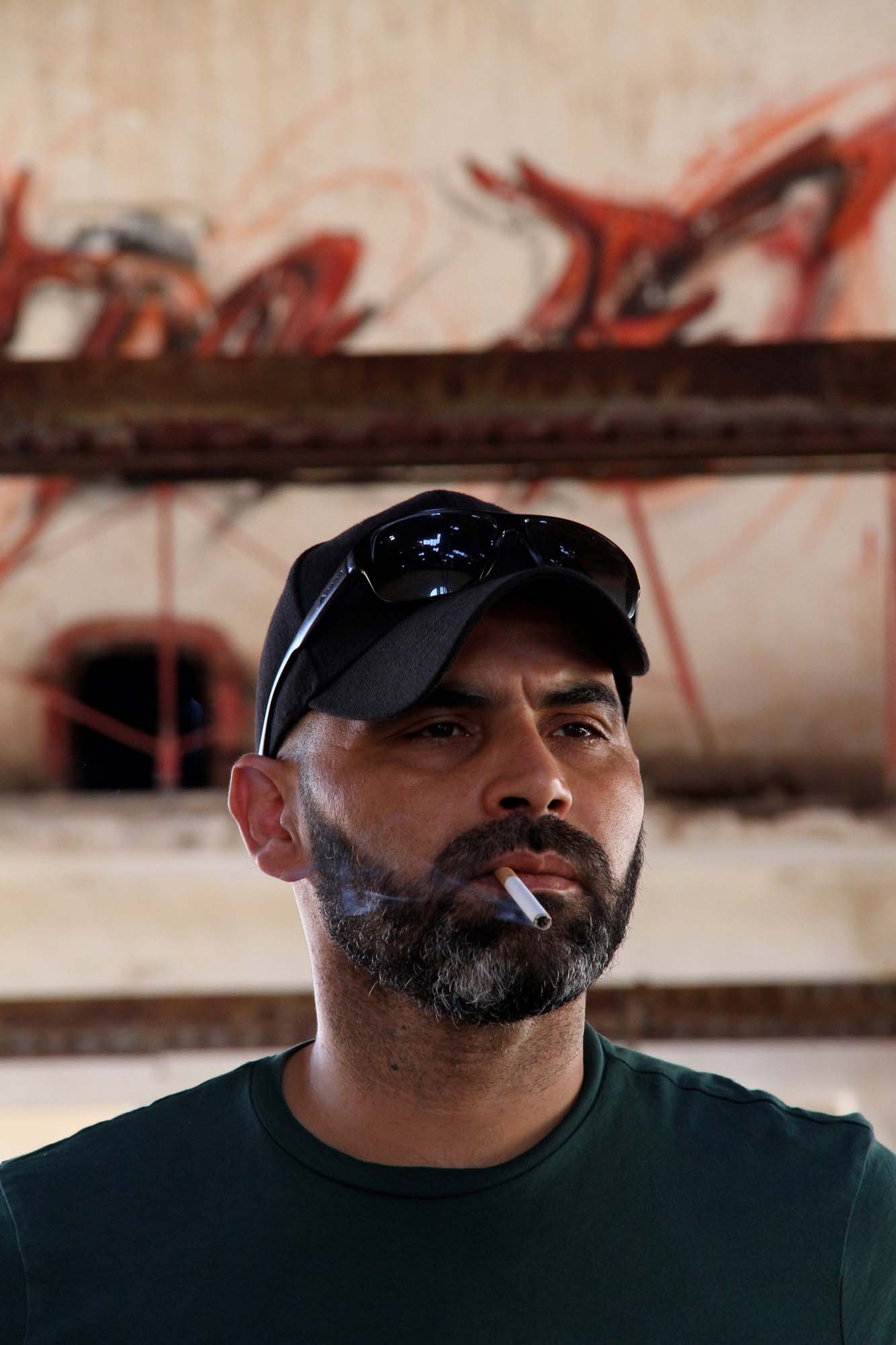
Hamza Ouni, tunesischer Filmemacher, geboren 1975 in El Mohammedia, wo er auch heute noch lebt. Nach einem ersten Zyklus von Filmstudien am Nordafrikanischen Filminstitut setzte er seine Ausbildung an der School of Arts and Cinema in Tunis fort, wo er sich auf das Schreiben von Drehbüchern spezialisierte. Anschließend nahm er an einer Reihe von Workshops zum Thema Drehbuchschreiben teil.
„El Gort“, sein erster abendfüllender Dokumentarfilm, der als Weltpremiere auf dem Filmfestival von Abu Dhabi gezeigt wurde, erhielt den Preis für den besten Filmemacher der arabischen Welt und einen Preis der Internationalen Kritik des Internationalen Verbands der Filmpresse (FIPRESCI). Außerdem erhielt er 2014 die Talenttaube auf dem DOK-Festival in Leipzig und den Bronzenen Tanit in Karthago.
SUN 21 NOV
16.00h ARSENAL
TICKETS
by Hamza Ouni
Tunisia, Qatar, France | 2020 | 114 min | OV with Engl. Subs
In his long-term documentary made over a period of twelve years, Tunisian director Hamza Ouni follows the eccentric Mehrez in his hometown of El Mohammedia. At the age of 25, Mehrez decides to enlighten and challenge a community of unemployed, frustrated youth with the means of theater. With heart and soul, as well as all the financial resources at his disposal, he throws himself into teaching and his troupe begins to flourish. Suddenly, however, Mehrez finds himself in prison, and his plans are on the verge of collapse …
THE DISQUALIFIED lets the audience* participate in the contradictory life of a gifted dancer and actor who struggles daily with himself and the contradictions of his country.

Hamza Ouni, Tunisian filmmaker, born in 1975 in El Mohammedia, where he still lives today. After a first cycle of film studies at the North African Film Institute, he continued his education at the School of Arts and Cinema in Tunis, where he specialized in screenwriting. He then participated in a series of workshops on screenwriting. „El Gort,“ his first feature-length documentary, which was screened as a world premiere at the Abu Dhabi Film Festival, received the Best Filmmaker Award in the Arab World and an International Criticism Award from the International Federation of the Film Press (FIPRESCI). He also received the 2014 Talent Dove at the DOK Festival in Leipzig and the Bronze Tanit
in Carthage.
Petit Jo, Enfant des Rues
[:de]
SO 21 NOV
16.00 HUMBOLDT FORUM
Jugendfilm
TICKETS
von Daniel Kamwa | Südafrika, Kamerun | 2019 | 118 min | OmU
in Anwesenheit von Daniel Kamwa
„Petit Jo, Enfant des Rues“ erzählt die Geschichte eines mixed-race Jungen in Kamerun, der sich trotz einiger Schicksalsschläge nicht vom Weg abbringen lässt.
Als Pater Moussima einen ausgesetzten Säugling auf dem Flur des Krankenhauses in Bonabéri findet, steht seine Entscheidung sofort fest: Er möchte sich als alleinerziehender Vater um den Jungen kümmern. Egal was die Nachbarn sagen – er meistert die Herausforderungen des Elterndaseins mit Ruhe und Bravour und adoptiert Jo allen bürokratischen Hürden zum Trotz offiziell. Mit 12 Jahren schickt Moussima ihn in ein evangelisches Internat. Als Jos Ziehvater stirbt und er in die Mittelschule wechseln möchte, wird er schließlich von der Vergangenheit eingeholt – seine Geburtsurkunde fehlt…
Daniel Kamwas Verfilmung des gleichnamigen Buches von Evelyne Mpoudi Ngollé zeigt die Lebensrealitäten von Kindern und Jugendlichen, die aufgrund der Umstände, in die sie hineingeboren wurden, unsichere und risikoreiche Lebenswege einschlagen müssen und auf sich allein gestellt sind und zugleich die Notwendigkeit von Gemeinschaft in diesen Realitäten. Kamwa eröffnet die Frage der Moral, die Komplexität von Gut und Böse in Hinsicht auf das Überleben und unterstreicht den kulturellen sowie sozialpolitischen Kontext Kameruns.
Mit einer interaktiven Kontextualisierung Kameruns wird die Filmvorstellung eingeleitet. Der zweistündige Film wird mit einer Unterbrechung gezeigt. In der Pause werden dem Regisseur Daniel Kamwa Fragen zum Film gestellt, die dem jungen Publikum als Referenzpunkte zur Fortsetzung des Films dienen. Nach der Vorstellung gibt es ein Q&A.
Die Vorstellung wird von Rebecca Pokua Korang moderiert. Seit 2017 arbeitet sie mit AFRIKAMERA zusammen. Rebecca ist performative Künstlerin, Empowerment-Trainerin und arbeitet in der mobilen Jugendarbeit in Berlin. Ihre künstlerische Recherche fokussiert sich auf Identität, Migration und deutsche Kolonialgeschichte in Ghana.
Der in Kamerun geborene Daniel Kamwa ist seit fast 45 Jahren im Filmgeschäft tätig. Nach seiner Schauspielausbildung am Cours Simon war er zwei Jahre lang Mitglied der Theaterforschungsgruppe von Peter Brook. Dann begann er, in Theater-, Film- und Fernsehproduktionen zu spielen, während er die Filmschule an der Universität Paris VIII besuchte. In den Jahren 1972-73 drehte er seinen ersten Kurzfilm „Boubou-Tie“ mit Marpessa Dawn, der Hauptdarstellerin von „Orfeu Negro“ (Goldene Palme in Cannes 1959 und Oscar für den besten ausländischen Film 1960) als Partnerin. „Pousse-Pousse“, sein erster Spielfilm, kam 1975 in die Kinos und wurde ein großer kommerzieller Erfolg. Als Produzent, Autor, Regisseur und Schauspieler ist er auch als Synchronsprecher in französischer Sprache tätig. Dabei lieh er seine Stimme u.a. den Hauptdarstellern in „Live and Let Die“ – „The Ghost and the Darkness“ – „Gorillas in the Mist“ und nicht zu vergessen synchronisierte er Morgan Freeman in der Rolle des Präsidenten Nelson Mandela in“ Invictus „von Clint Eastwood.
SUN 21 NOV
16.00 HUMBOLDT FORUM
Youthmovie
TICKETS
by Daniel Kamwa | South Africa, Cameroon | 2019 | 118 min | OV with German Subs
with an educational program by Rebecca Pokua Korang
in the presence of Daniel Kamwa
„Petit Jo, Enfant des Rues“ tells the story of a mixed-race boy in Cameroon who, despite a few strokes of fate, refuses to be diverted from his path.
When Father Moussima finds an abandoned infant in the corridor of the hospital in Bonabéri, his decision is immediately clear: he wants to take care of the boy as a single father. No matter what the neighbors say – he masters the challenges of being a parent with calm and bravura and officially adopts Jo despite all the bureaucratic hurdles. At 12, Moussima sends him to a Lutheran boarding school. When Jo’s foster father dies and he wants to transfer to middle school, he is finally caught up with the past – his birth certificate is missing …
Daniel Kamwa’s film adaptation of the book of the same name by Evelyne Mpoudi Ngollé shows the realities of life for children and young people who, due to the circumstances into which they were born, have to take uncertain and risky paths in life and are left to their own devices, and at the same time the necessity of community in these realities. Kamwa opens up the question of morality, the complexity of good and evil in terms of survival, and highlights the cultural as well as socio-political context of Cameroon.
An interactive contextualization of Cameroon will introduce the film screening. The two-hour film will be shown with an intermission. During the intermission, director Daniel Kamwa will be asked questions about the film, which will serve as reference points for the young audience to continue watching the film. There will be a Q&A after the screening.
The screening will be moderated by Rebecca Pokua Korang. She has been working with AFRIKAMERA since 2017. Rebecca is a performative artist, empowerment trainer and works in mobile youth work in Berlin. Her artistic research focuses on identity, migration and German colonial history in Ghana.
Born in Cameroon, Daniel Kamwa has been in the film business for almost 45 years. After his acting training at the Cours Simon, he was a member of Peter Brook’s theater research group for two years. He then began acting in theater, film and television productions while attending film school at the University of Paris VIII. In 1972-73 he made his first short film „Boubou-Tie“ with Marpessa Dawn, the leading actress of „Orfeu Negro“ (Palme d’Or at Cannes in 1959 and Oscar for Best Foreign Film in 1960) as his partner. „Pousse-Pousse“, his first feature film, was released in 1975 and became a great commercial success. Producer, writer, director and actor, he is also a dubbing artist in French. He lent his voice to the main characters in „Live and Let Die“ – „The Ghost and the Darkness“ – „Gorillas in the Mist“, among others, and not to forget he dubbed Morgan Freeman in the role of President Nelson Mandela in“ Invictus „by Clint Eastwood
Cairo Jazzman – The Groove of a Megacity
[:de]
SA 20 NOV
22.00 ARSENAL
TICKETS
von Atef Ben Bouzid
Deutschland | 2017 | 82 min | OmE
in Anwesenheit von Atef Ben Bouzid – Q+A
Im Zentrum von Atef Ben Bouzids Dokumentarfilm steht der charismatische ägyptische Pianist Amr Salah. Mit wenigen Mitteln, aber umso mehr Hingabe organisiert er seit dem Jahr 2009 das Cairo Jazz Festival. Der mit flirrenden Jazzsounds unterlegte Film gewährt seltene Einsichten hinter die Kulissen des Festivals und ermöglicht zugleich einen ungewohnten Blick auf die ägyptische Megacity Kairo und eine junge Generation, die sich nach einem kulturellen und politischen Aufbruch sehnt und für Liberalität und Offenheit einsetzt.
Atef Ben Bouzid – deutscher Journalist, Regisseur und Produzent aus Berlin, arbeitete für nationale und internationale Medien und spezialisierte sich auf die Bereiche Sport, Musik und Gesellschaft. Er interessiert sich besonders für die vielen Aspekte der menschlichen Interaktion und Kommunikation über Kulturen und Länder hinweg.
Zuletzt führte Atef Ben Bouzid Regie und produzierte den Dokumentarfilm CAIRO JAZZMAN. 2017 feierte dieser seine Weltpremiere beim International Film Festival Rotterdam. Zuletzt gewann CAIRO JAZZMAN 2020 den Audience Award des Jazz Film Festival Copenhagen.
SAT 20 NOV
22.00 ARSENAL
TICKETS
by Atef Ben Bouzid
Germany | 2017 | 82 min | OV with Engl. Subs
In the presence of Atef Ben Bouzid – Q+A
At the center of Atef Ben Bouzid’s documentary is the charismatic Egyptian pianist Amr Salah. With few resources but all the more dedication, he has been organizing the Cairo Jazz Festival since 2009. The film, set to shimmering jazz sounds, provides rare insights behind the scenes of the festival and at the same time offers an unusual view of the Egyptian megacity Cairo and a young generation that longs for a cultural and political awakening and advocates for liberality and openness.
Atef Ben Bouzid, a German journalist, director and producer living in Berlin, has worked for national and international media, specializing in sports, music and society. He is particularly interested in the many aspects of human interaction and communication across cultures and countries. Most recently, Atef Ben Bouzid directed and produced the documentary CAIRO JAZZMAN and celebrated its world premiere at the International Film Festival Rotterdam in 2017.
Most recently, CAIRO JAZZMAN won the Audience Award at the Jazz Film Festival Copenhagen in 2020.
[:de]La Nuit des Rois[:en]La nuit des Rois[:]
[:de]
SA 20 NOV
20.00 ARSENAL
TICKETS
von Philippe Lacôte
Elfenbeinküste, Senegal, Frankreich, Kanada | 2020 | 93 min | OmE
La Maca („Maison d´Arrêt et de Correction d´Abidjan“), das Gefängnis von Abidjan, mitten im Wald am Rande der Stadt gelegen, ist eines der am stärksten überfüllten in Westafrika. Einer der Insassen, der alternde und kranke Gefangene Blackbeard ist ein zunehmend umstrittener „Dangoro“. Um seine Macht zu erhalten, nimmt er die Tradition des „Romans“ wieder auf, eines Rituals, das darin besteht, einen Gefangenen zu zwingen, die ganze Nacht über Geschichten zu erzählen.
In einer Griot-Rolle muss der junge Straßenkriminelle Zama bis Sonnenaufgang eine Geschichte erzählen, wenn er sein Leben retten und den Absturz des Gefängnisses ins Chaos verhindern will. Er wählt die Geschichte des berüchtigten Bandenführers Zama King…
Auf faszinierende Art und Weise, changierend zwischen Griotgeschichte und Fantasymärchen, wurde das bildgewaltige Epos von der Elfenbeinküste als Beitrag für die Oscarverleihung 2021 in der Kategorie Bester Internationaler Film eingereicht und als einer von 15 Filmen in eine Vorauswahl der Academy of Motion Picture Arts and Sciences aufgenommen.
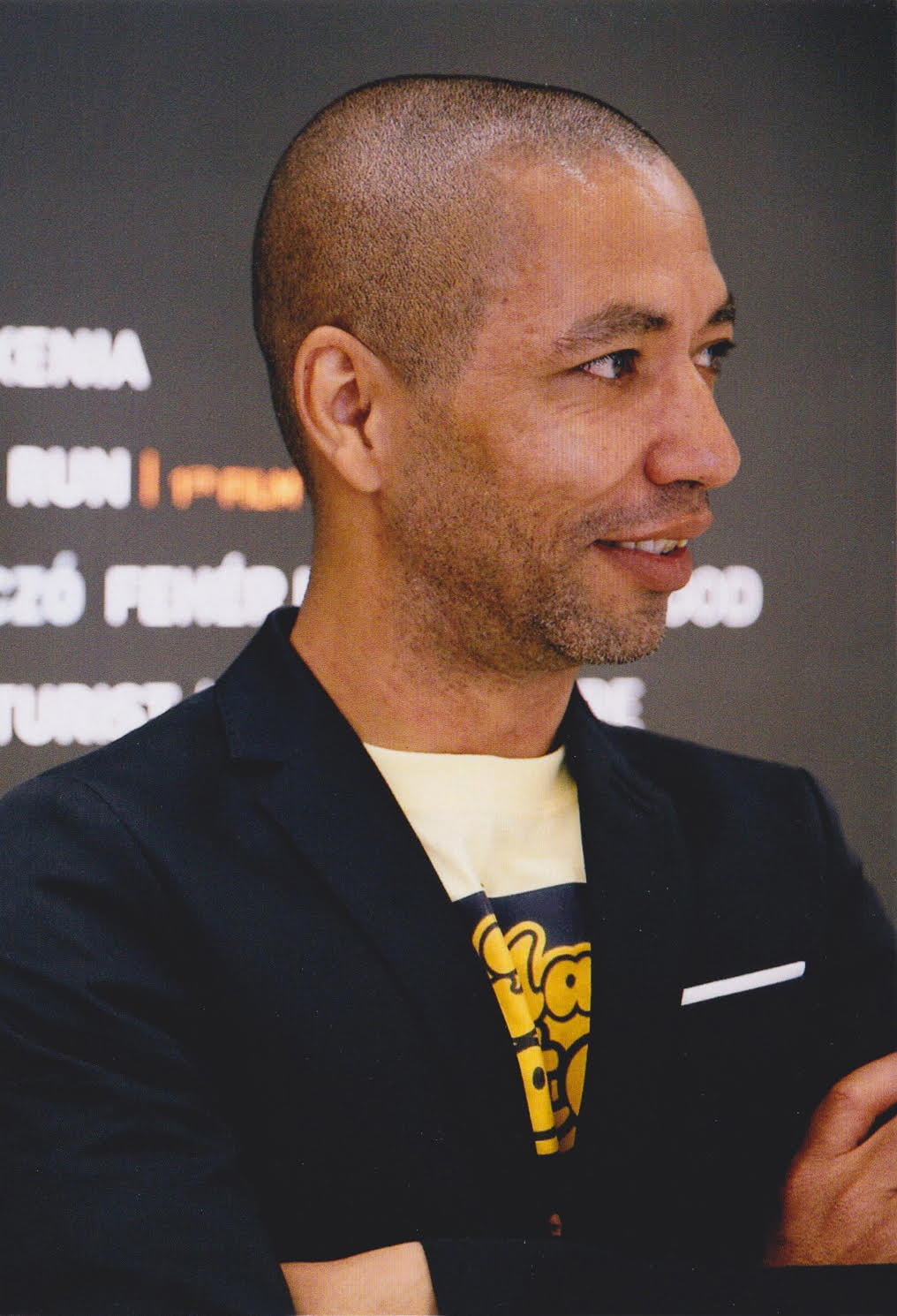
Philippe Lacôte wuchs in Abidjan in der Nähe eines Kinos auf – dem „Magic“. Seine Arbeit als Regisseur hatte verschiedene Formen angenommen, bevor er sich 2002 mit „Chronicles of War in the Ivory Coast“, einem Film an der Grenze zwischen Dokumentarfilm und Tagebuch, auf die jüngste Geschichte seines Landes konzentrierte. Es folgte der Spielfilm „Run“, die Geschichte eines wandernden Verrückten, der in Cannes 2014 bei ‚Un certain regard‘ ausgewählt wurde. Diese Auswahl bestätigte sein Talent als Filmemacher und zeigte eine neue Stimme des afrikanischen Kontinents. „La Nuit des Rois / Night of the Kings“ sein zweiter Spielfilm, ist ein Tauchgang in das größte Gefängnis Westafrikas während einer Nacht mit rotem Mond.
SAT 20 NOV
20.00 ARSENAL
TICKETS
by Philippe Lacôte
Ivory Coast, Senegal, France, Canada | 2020 | 93 min | OV with Engl. Subs
La Maca („Maison d’Arrêt et de Correction d’Abidjan“), the prison of Abidjan, located in the middle of the forest on the outskirts of the city, is one of the most overcrowded in West Africa. One of the inmates, the aging and ailing prisoner Blackbeard is an increasingly controversial „dangoro.“ To maintain his power, he resumes the tradition of the „novel,“ a ritual that consists of forcing a prisoner to tell stories throughout the night.
In a griot role, the young street criminal Zama must tell a story by sunrise if he wants to save his life and prevent the prison from descending into chaos. He chooses the story of notorious gang leader Zama King … In a fascinating way, oscillating between griot story and fantasy tale, this visually stunning epic from the Ivory Coast was submitted as an entry for the 2021 Academy Awards in the Best International Film cate-gory and was one of 15 films shortlisted by the Academy of Motion Picture Arts and Sciences.

Philippe Lacôte grew up in Abidjan near a cinema – the Magic. His work as a director had taken various forms before he made his debut in 2002 with „Chronicles of War in
the Ivory Coast,“ a film on the border between documentary and diary, he focused on his country’s recent history. This was followed by the feature film „Run“, the story of a wandering madman, which was selected in Cannes 2014 at ‚Un certain regard‘. This selection confirmed his talent as a filmmaker and showed a new voice of the African continent. „La Nuit des Rois / Night of the Kings“ his second feature film, is a dive into the largest prison in West Africa during a red moon night.
The Letter
[:de]
SA 20 NOV
18.00 ARSENAL
TICKETS
von Maia Lekow & Christopher King
Kenia | 2019 | 81 min | OmE
Die fast 100 Jahre alte Margaret Kamango ist eine sanfte, ironische Frau – und wird mit dem Tod bedroht. Als ihrem in Mombasa lebenden Enkel Karisa eine Facebook-Nachricht zugespielt wird, in der seine Großmutter der Hexerei beschuldigt wird, beschließt er, in sein Heimatdorf zurückzukehren, um der Sache auf den Grund zu gehen. Bei den Recherchen kommt ans Licht, dass seine Großmutter nicht die Einzige ist, die als Hexe gebrandmarkt wird….
Ohne Vorverurteilung setzen sich die beiden Regisseur*innen Maia Lekow und Christopher King mit dem Phänomen Hexerei im heutigen Kenia auseinander und zeichnen dabei das Porträt einer Gesellschaft, die sich in einem radikalen Wandel befindet. Empfehlung für Jugendliche ab 14 Jahren.
Maia Lekow ist eine kenianische Filmemacherin und Musikerin. Seit der Gründung von Circle and Square Productions im Jahr 2009 hat Maia als Regisseurin, Produzentin und Tontechnikerin für verschiedene Film- und Musikprojekte gearbeitet. Sie ist auf Bühnen in der ganzen Welt aufgetreten und komponiert weiterhin Musik für Filme. Sie erhielt einen African Movie Academy Award für ihren Song Uko Wapi und wurde am Weltflüchtlingstag 2013 zur Botschafterin des UNHCR ernannt.
Chris King ist ein preisgekrönter Filmemacher mit Sitz in Nairobi, Kenia. Der gebürtige Australier studierte an der School of Creative Arts der Universität von Melbourne, bevor er 2007 nach Kenia zog, wo er als Kameramann, Cutter, Animator, Regisseur und Produzent für Kurzfilme, Spielfilme (Fiction und Nonfiction) und Musikvideos tätig war. Im Jahr 2009 gründete Chris zusammen mit seiner Frau Maia Circle and Square Productions und erhielt im selben Jahr einen African Movie Academy Award in der Kategorie Schnitt für seine Arbeit an dem kenianischen Spielfilm „From a Whisper“.
THE LETTER ist der erste Dokumentarfilm von Maia und Chris.
SAT 20 NOV
18.00 ARSENAL
TICKETS
by Maia Lekow & Christopher King
Kenya | 2019 | 81 min | OV with Engl. Subs
Nearly 100 years old, Margaret Kamango is a gentle, ironic woman – and is threatened with death. When a Facebook message is leaked to her grandson Karisa, who lives in Mombasa, accusing his grandmother of witchcraft, he decides to return to his home village to get to the bottom of it. During the research, it comes to light that his grandmother is not the only one branded as a witch … Without prejudice, the two directors Maia Lekow and Christopher King deal with the phenomenon of witchcraft in today’s Kenya and draw a portrait of a society undergoing radical change.
Recommended for young people 14 years and older.
Maia Lekow is a Kenyan filmmaker and musician. Since founding Circle and Square Productions in 2009, Maia has worked as a director, producer and sound engineer for various film and music projects. She has performed on stages around the world and continues to compose music for films. She received an African Movie Academy Award for her song Uko Wapi and was named an ambassador for UNHCR on World Refugee Day 2013.
Chris King is an award-winning filmmaker based in Nairobi, Kenya. Born in Australia, he studied at the University of Melbourne’s School of Creative Arts before moving to Kenya in 2007, where he worked as a cinematographer, editor, animator, director and producer on short films, feature films (fiction and nonfiction) and music videos. In 2009, Chris co-founded Circle and Square Productions with his wife Maia, and in the same year received an African Movie Academy Award in the editing category for his work on the Kenyan feature film From a Whisper. THE LETTER is Maia and Chris‘ first documentary film.
Buddha in Africa
[:de]
SA 20 NOV
16.00 ARSENAL
TICKETS
von Nicole Schafer
Südafrika, Schweden | 2019 | 90 min | OmE
Ennock ist eines von dreihundert Waisenkindern aus dem ländlichen Malawi, die in einem buddhistischen chinesischen Waisenhaus untergekommen sind.
Die Kinder und Jugendlichen hier müssen Mandarin sprechen, buddhistische Traditionen pflegen und werden auf die Beherrschung der schwierigen Kunst des Shaolin Kung Fu getrimmt.
Der Dokumentarfilm der südafrikanischen Regisseurin Nicole Schafer bietet intensive Einblicke in das Leben der Kinder im Zwiespalt zwischen den gegensätzlichen Welten des traditionellen Dorflebens und der strengen Disziplin des konfuzianisch-buddhistischen Wertesystems der Chinesen. Vor dem Hintergrund des wachsenden Einflusses Chinas auf dem Kontinent stellt Schafers Film hochaktuelle Fragen nach Bildung als Indoktrination und nach dem richtigen Verhältnis zwischen der Wahrnehmung von Bildungschancen und der Preisgabe der eigenen Identität.
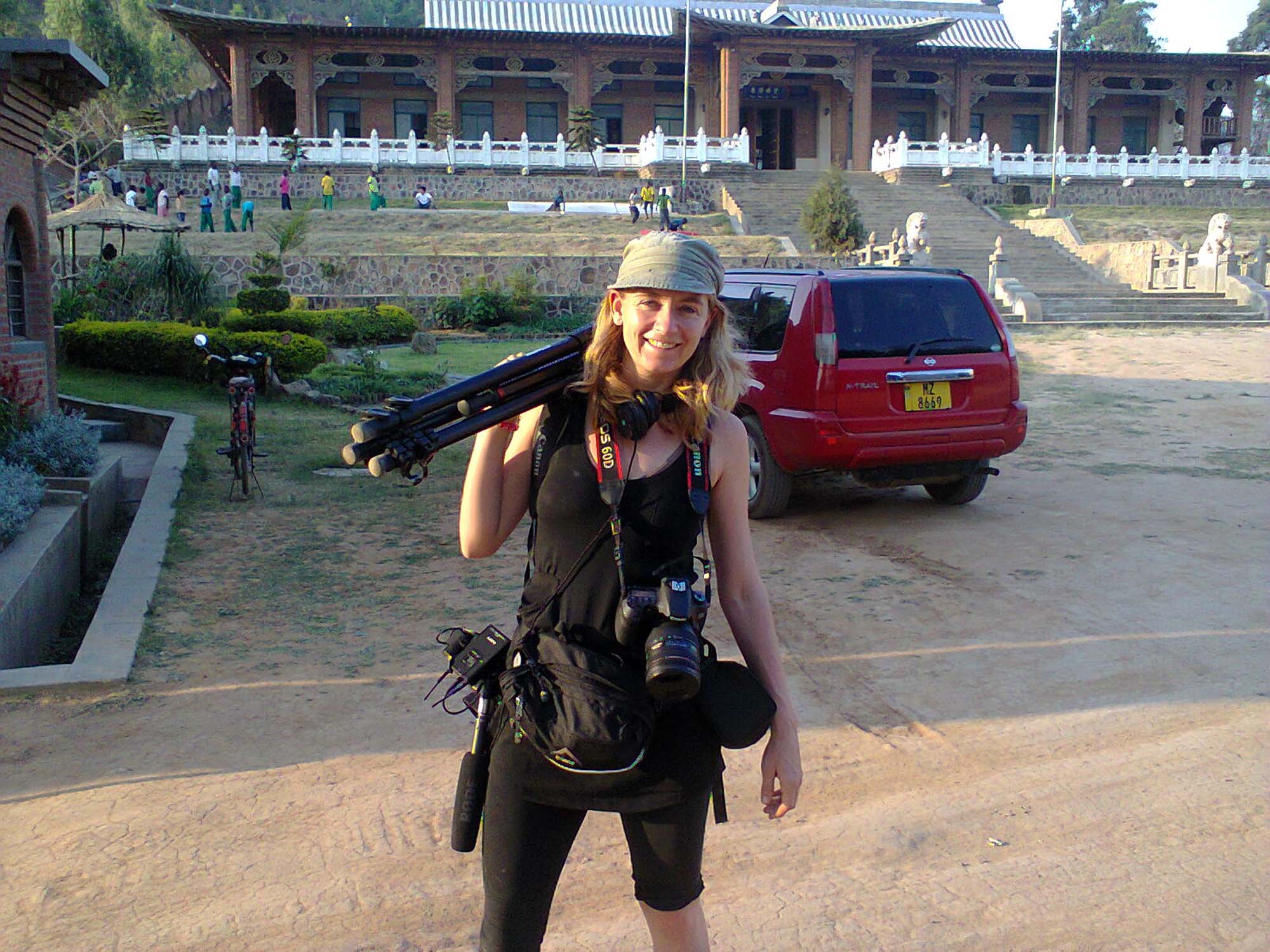
BUDDHA IN AFRICA wurde von der südafrikanischen Regisseurin Nicole Schafer (geb. 1980) in jahrelanger Arbeit entwickelt. Nicole hat in Malawi gelebt, wo sie preisgekrönte Geschichten für das panafrikanische Reuters-Magazin ‚Africa Journal‘ produzierte. Zu ihren weiteren Produktionen gehören Südafrikas führende investigative Sendung ‚Carte Blanche‘, Lonely Planet TV’s ‚Six Degrees‘ und ‚Sport Traveller‘. Nicole ist die Leiterin der Produktionsfirma Thinking Strings Media, die in den Midlands von KwaZulu-Natal ansässig ist. Sie hat einen MFA-Abschluss in Film- und Fernsehproduktion der Universität von Kapstadt. Ihr Abschlussfilm, „The Ballad of Rosalind Ballingall“, wurde 2006 auf dem Filmfestival in Frijbourg gezeigt.
SAT 20 NOV
16.00 ARSENAL
TICKETS
by Nicole Schafer
South Africa, Sweden | 2019 | 90 min | OV with Engl. Subs
Ennock is one of three hundred orphans from rural Malawi who have been placed in a Buddhist Chinese orphanage. The children and teenagers here must speak Mandarin, maintain Buddhist traditions, and are trained to master the difficult art of Shaolin Kung Fu.
The documentary by South African director Nicole Schafer offers intense insights into the lives of the children caught between the conflicting worlds of traditional village life and the strict discipline of the Chinese Confucian-Buddhist value system. Against the backdrop of China’s growing influence on the continent, Schafer’s film poses highly topical questions about education as indoctrination and about the right balance between seizing educational opportunities and surrendering one’s identity.

South African director Nicole Schafer (b. 1980) developed BUDDHA IN AFRICA over years of work. Nicole has lived in Malawi, where she produced award-winning stories for the pan-African Reuters magazine ‚Africa Journal‘. Her other productions include South Africa’s leading investigative program ‚Carte Blanche‘, Lonely Planet TV’s ‚Six Degrees‘ and ‚Sport Traveller‘. Nicole is the director of Thinking Strings Media, a production company based in the Midlands of KwaZulu-Natal. She holds an MFA degree in Film and Television Production from the Uni-versity of Cape Town. Her graduation film, „The Ballad of Rosalind Ballingall,“ was screened at the 2006 Frijbourg Film Festival.
ENTERRES (BURIED)
[:de]
FR 19 NOV
22.30 ARSENAL
TICKETS
von Françoise Ellong
Kamerun I 2019 I 88 min I OmE
In dem Missbrauchsdrama ENTERRES (BURIED) von Françoise Ellong steigen in der Eingangsszene vier schwarz gekleidete Personen aus einem Taxi. Obgleich seit ihrer Kindheit miteinander befreundet, haben sie sich seit ihrer gemeinsamen Zeit in einem kirchlichen Waisenhaus viele Jahre nicht mehr getroffen. Alle verheimlichen etwas voreinander. Auf einem Fußballplatz im Nirgendwo wagen sie ein Spiel, das vergessen geglaubte Dämonen wieder zum Leben erweckt…
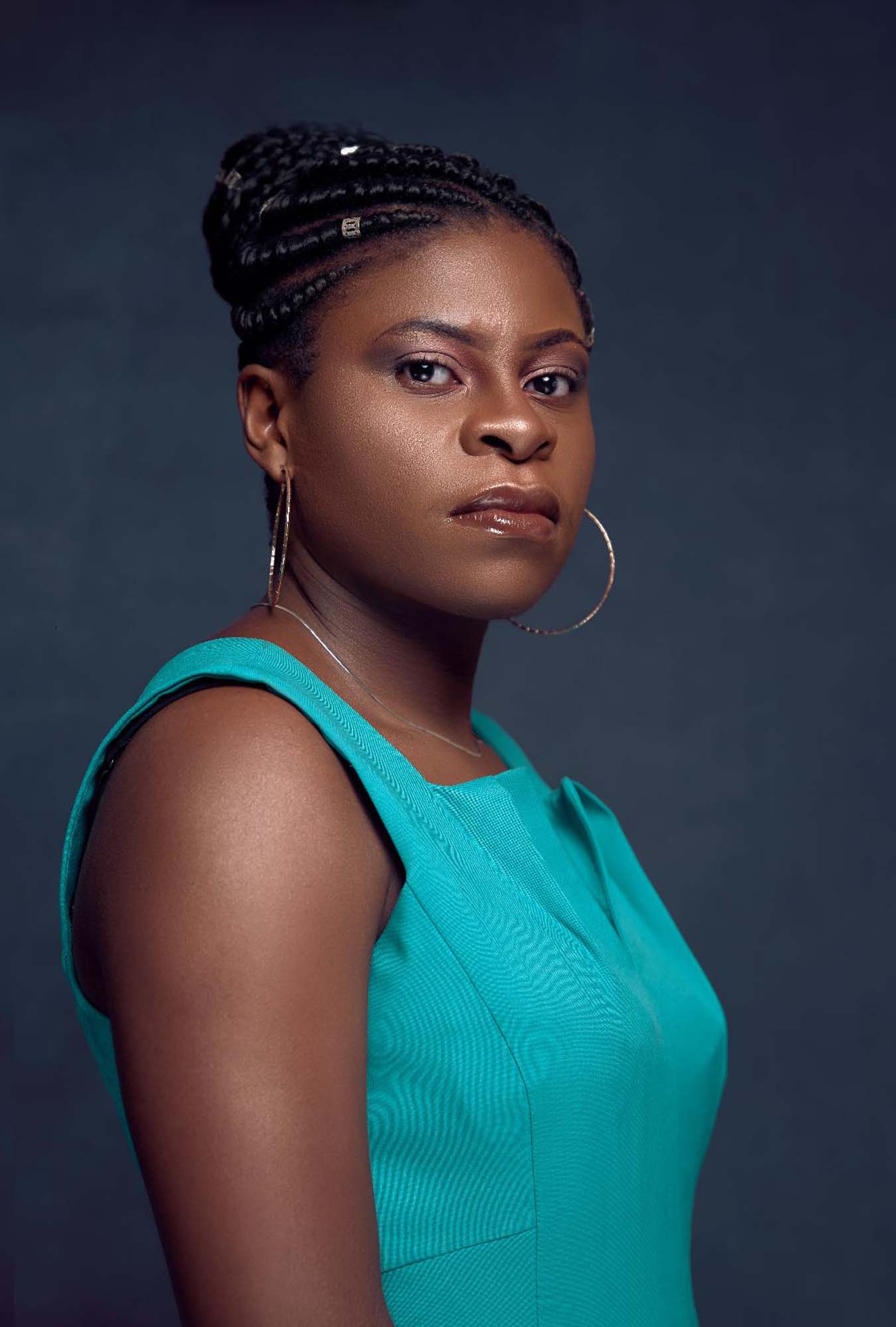
Françoise Ellong wurde 1988 in Douala, Kamerun geboren. Nach einem Studium der Informations- und Kommunikationstechnik in Paris absolvierte sie 2006 einen Masterabschluss für Film und Postproduktion an der Greenwich Universität in London. Bis 2012 realisierte sie insgesamt neun Kurz- und Experimentalfilme als Drehbuchautorin und Regisseurin. Einige erhielten Auszeichnungen bei internationalen Festivals, darunter der Kurzfilm „Nek“(2010), der sich mit dem Thema Schuld und Sühne auseinandersetzt. Produzierte sie ihre Kurzfilme bis dahin in England und Frankreich, so drehte sie ihren ersten Langspielfilm „W.A.K.A“ komplett in Kamerun.
FR 19 NOV
22.30 ARSENAL
TICKETS
von Françoise Ellong
Cameroon | 2019 | 88 min | OV with Engl. Subs
In this abuse drama, four people dressed in black get out of a cab in the opening scene. Although friends since childhood, they have not met for many years since their time together in a church orphanage. They are all hiding something from each other. On a soccer field in the middle of nowhere, they dare to play a game that brings demons they thought forgotten back to life …

Françoise Ellong was born in Douala, Cameroon in 1988. After studying information and communication technology in Paris, she completed a master’s degree in film and post-production at Greenwich University in London in 2006. Until 2012, she realized a total of nine short and experimental films as a screenwriter and director. Some received awards at international festivals, including the short film „Nek“(2010), which deals with the theme of guilt and atonement. While she had previously produced her short films in England and France, she shot her first feature film „W.A.K.A“ entirely in Cameroon.
Souad
[:de]
FR 19 NOV
20.00 ARSENAL
TICKETS
von Ayten Amin
Ägypten, Tunesien, Deutschland | 2021 | 96 min | OmE
Mansoura, eine Stadt im nördlichen Nildelta. Souad, eine 19 Jahre alte Medizinstudentin führt ein Doppelleben. Während sie im Kreis ihrer Familie und der Gesellschaft angepasst und mit Schleier auftritt, entwickelt Souad auf Facebook und Instagram ein völlig anderes Bild ihrer selbst. Allmählich dringt die Realität in ihre Wunschwelt ein – bis eine Serie kleiner Zwischenfälle zu einem tragischen Ereignis führt…
Mit ihrem aktuellen Spielfilm hat die ägyptischen Regisseurin Ayten Amin ein Drama geschaffen, dessen Geschichte stellvertretend für die Herausforderung der Identitätssuche von Millionen von Jugendlichen im postrevolutionären Ägypten zwischen Aufbruch und islamischen Konservatismus steht.
Ayten Amin wurde 1978 in Alexandria, Ägypten geboren. Sie studierte Filmkritik bei der Egyptian Cinema Writers and Critics Association und anschließend Film im Art Lab der American University in Kairo. Ihr Abschlussfilm „Her Man“ (2006) basierte auf einer Kurzgeschichte der ägyptischen Schriftstellerin Ahdaf Soueif und wurde beim Kurzfilmfestival Clermont-Ferrand in Frankreich und auf vielen weiteren Festivals gezeigt. Der Film „Tahrir 2011: The Good, the Bad, and the Politician“, den sie als Co-Regisseurin realisierte, wurde in Venedig uraufgeführt. Ihr Langfilmdebüt „Villa 69“ (2013) wurde auf dem Abu Dhabi Film Festival, in Malmö und in Cannes gezeigt.
FR 19 NOV
20.00 ARSENAL
TICKETS
by Ayten Amin
Egypt, Tunisia, Germany | 2021 | 96 min | OV with Engl. Subs
Mansoura, a town in the northern Nile Delta. Souad, a 19-year-old medical student, leads a double life. While she appears conformed and wearing a veil in the circle of her family and society, Souad develops a completely different image of herself on Facebook and Instagram. Gradually reality intrudes into her dream world – until a series of small incidents leads to a tragic event…
With her latest feature film, Egyptian director Ayten Amin has created a drama whose story is representative of the challenge of the search for identity among millions of young people in post-revolutionary Egypt, caught between upheaval and Islamic conservatism.
Ayten Amin was born in Alexandria, Egypt in 1978. She studied film criticism at the Egyptian Cinema Writers and Critics Association and then film at the Art Lab of the American University in Cairo. Her graduation film „Her Man“ (2006) is based on a short story by Egyptian writer Ahdaf Soueif and was presented at several festivals. The film „Tahrir 2011: The Good, the Bad, and the Politician“, which she co-directed, premiered in Venice. Her feature film debut „Villa 69“ (2013) was screened at the Abu Dhabi Film Festival, Malmö and Cannes.
